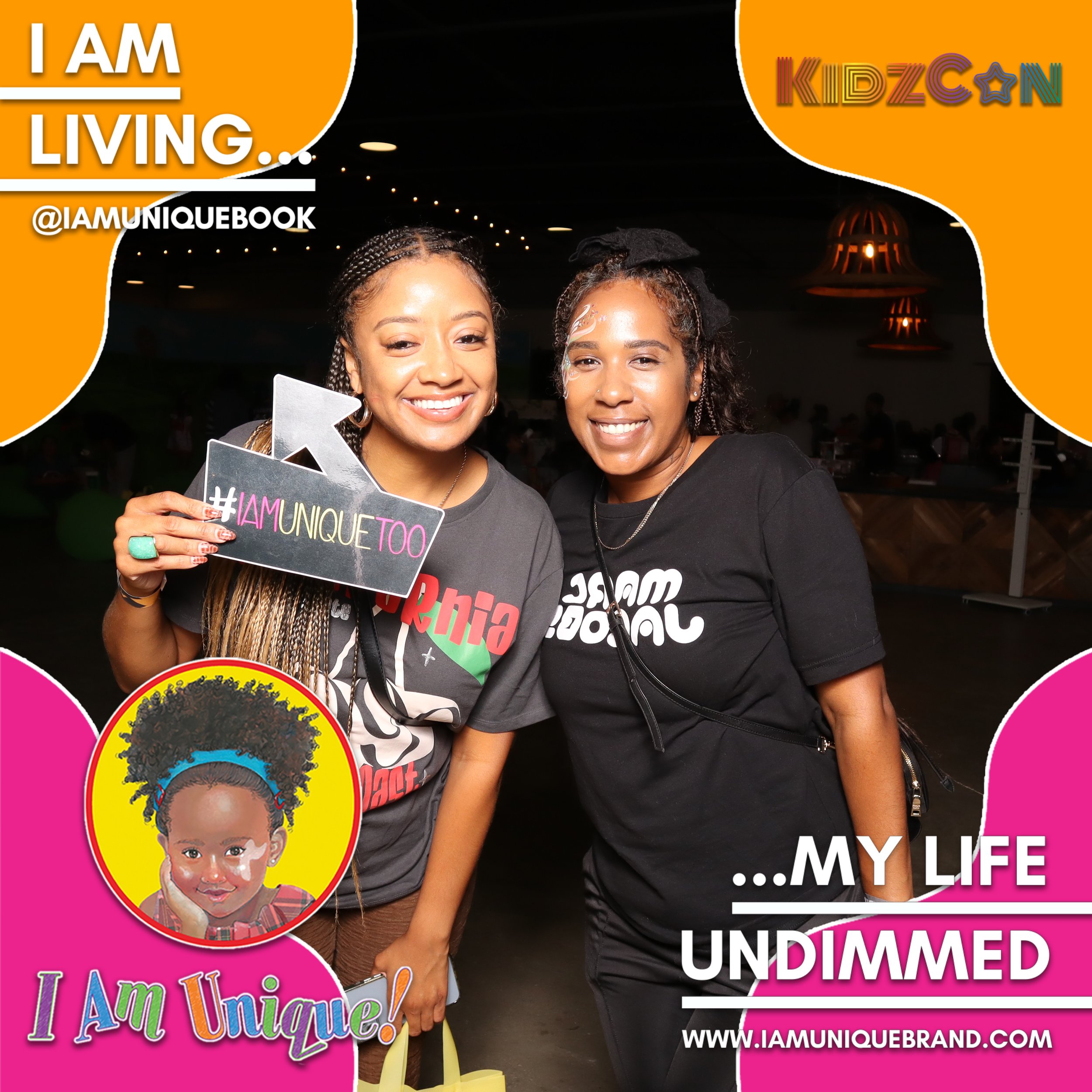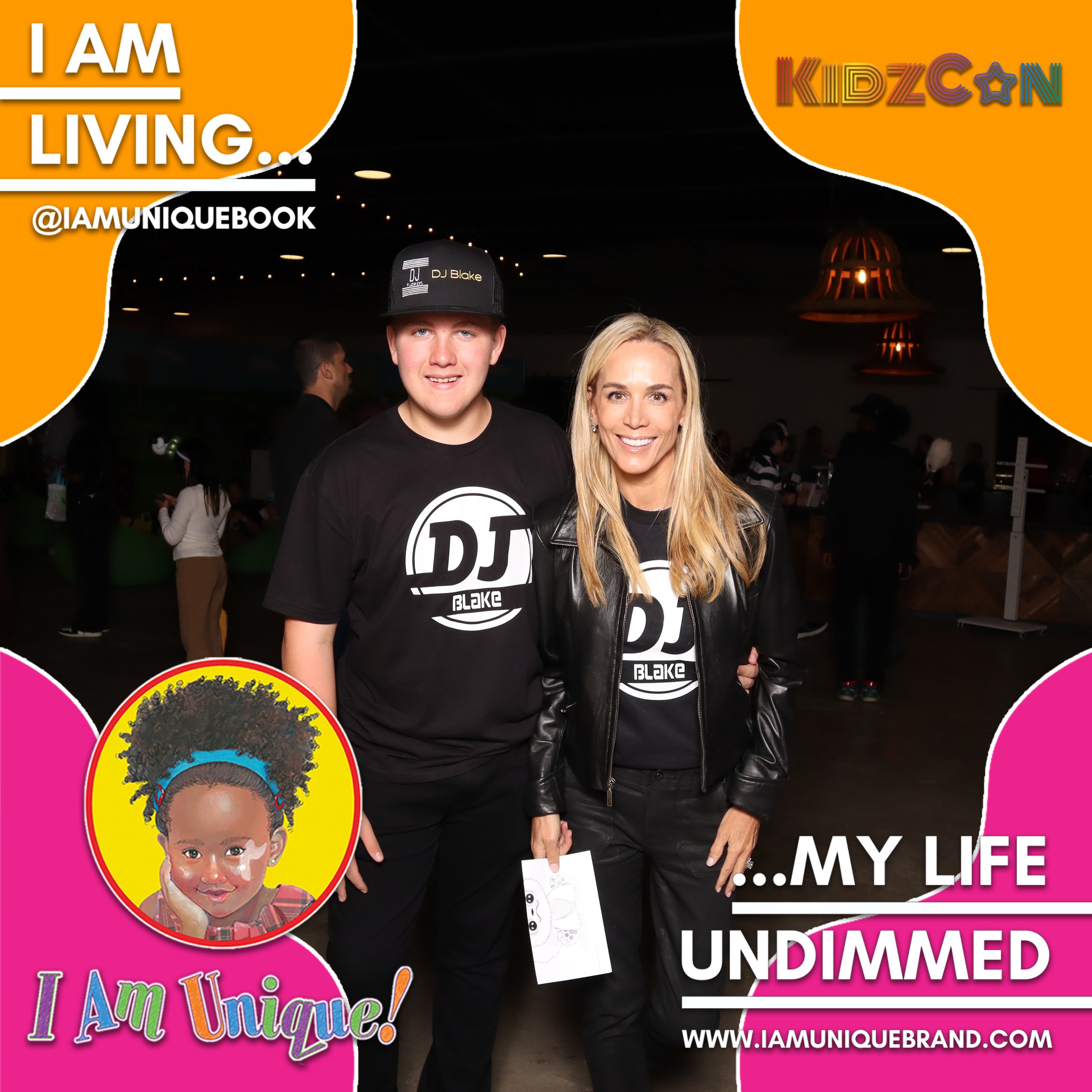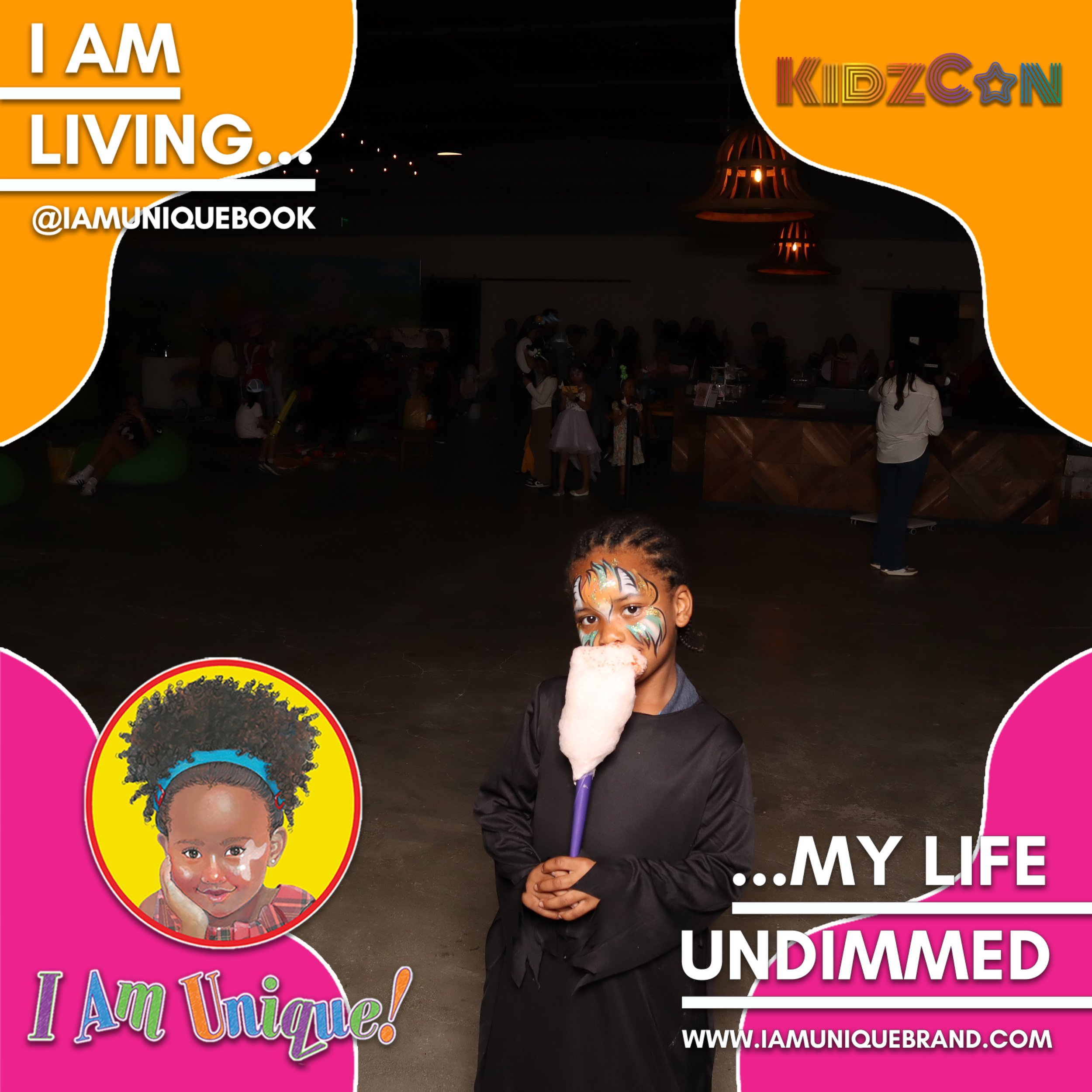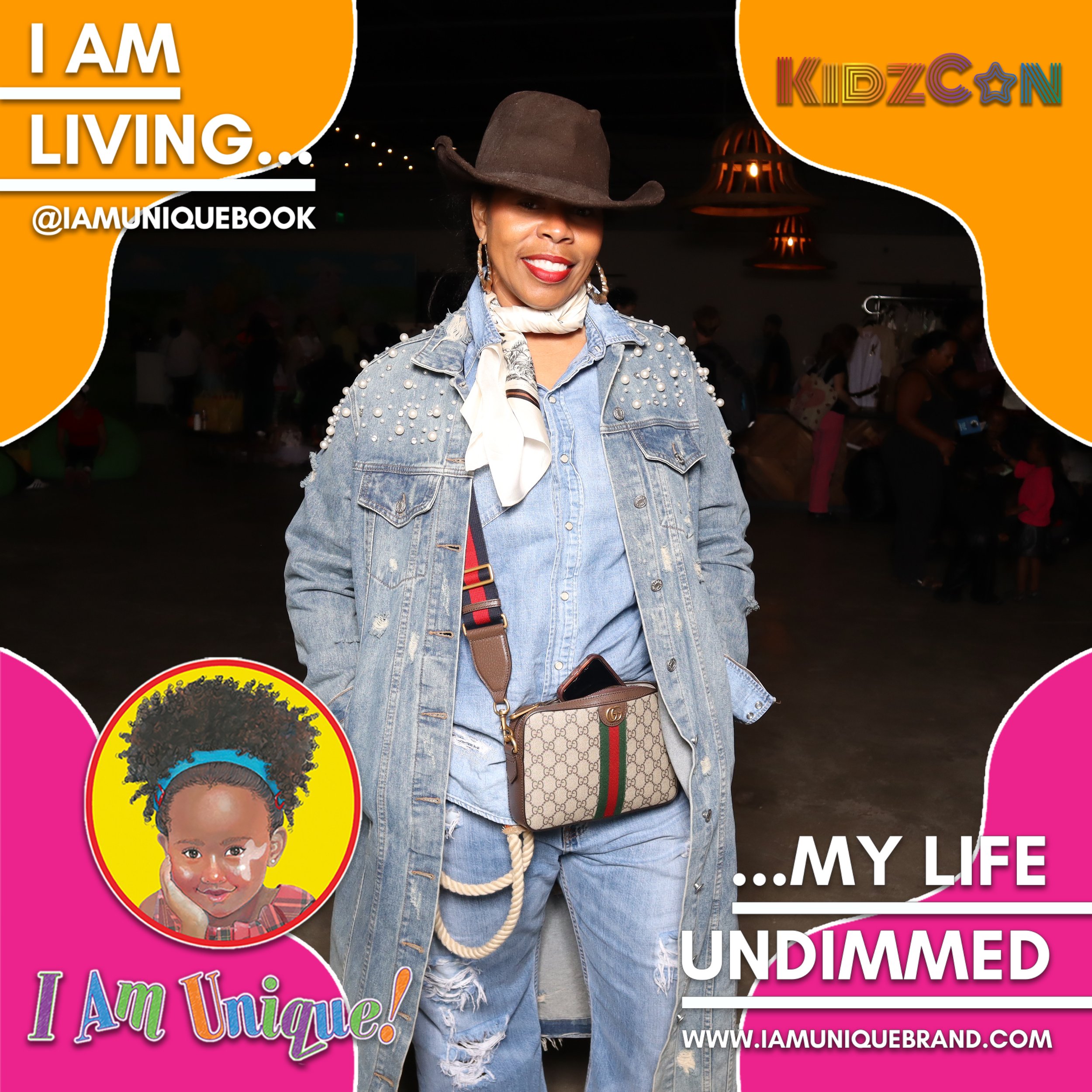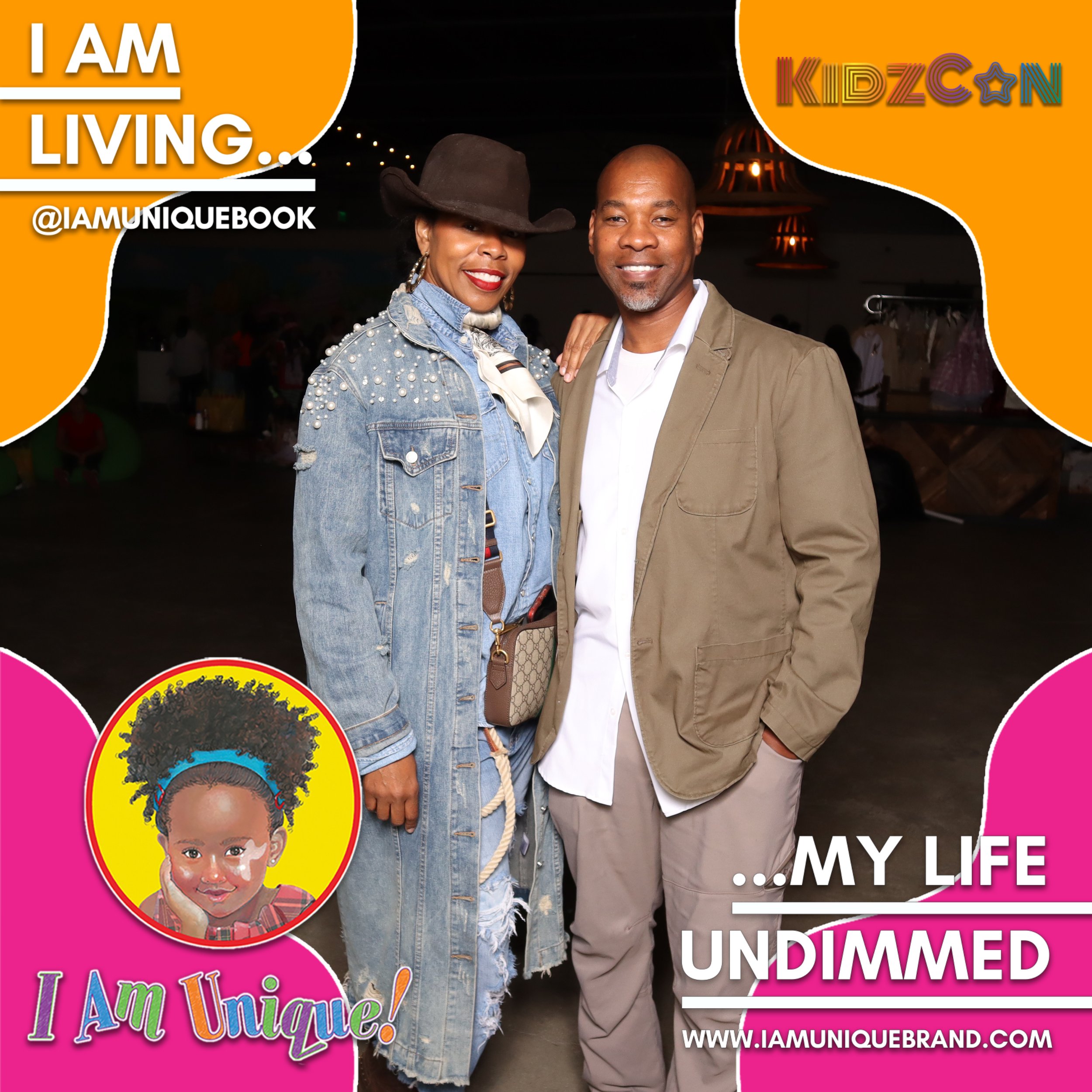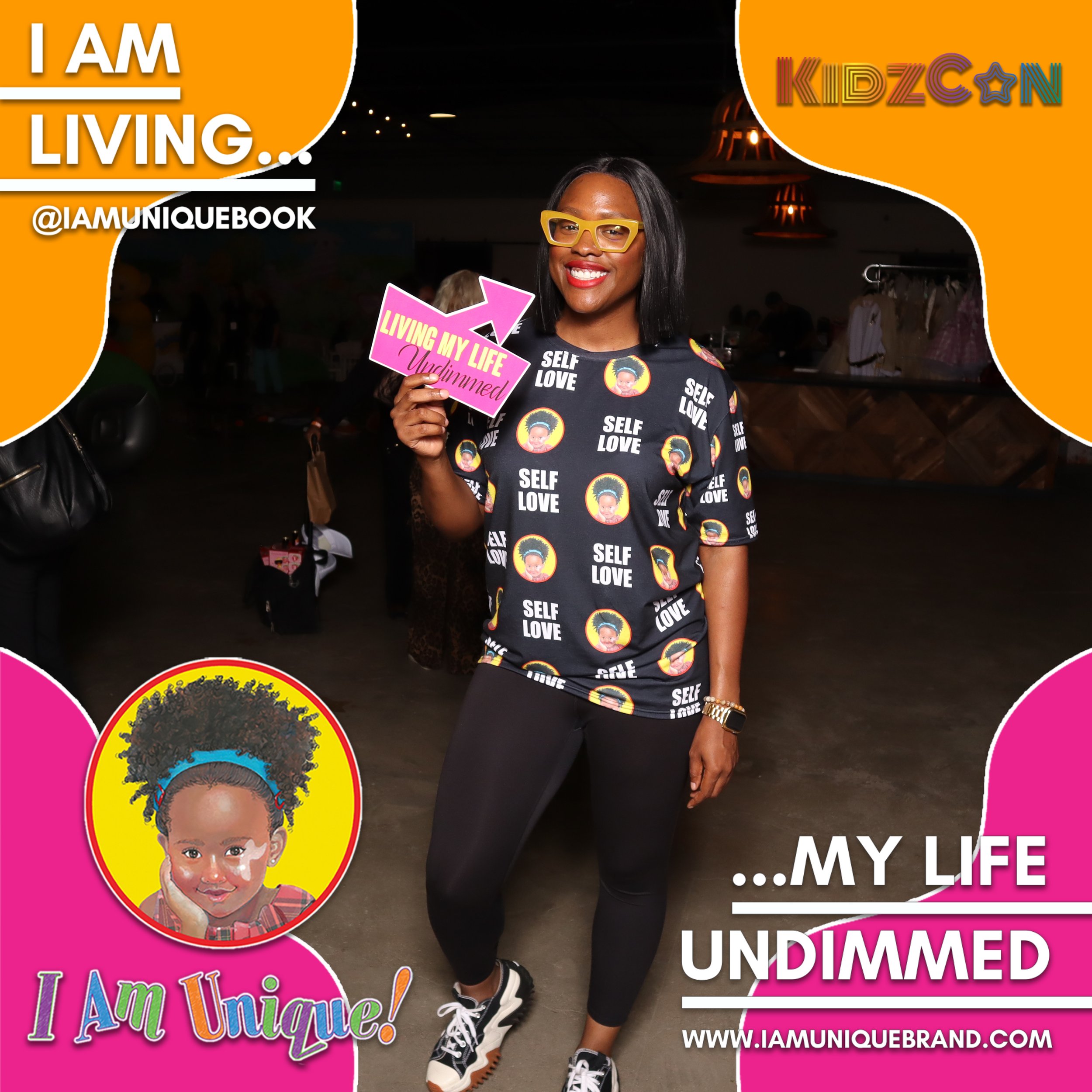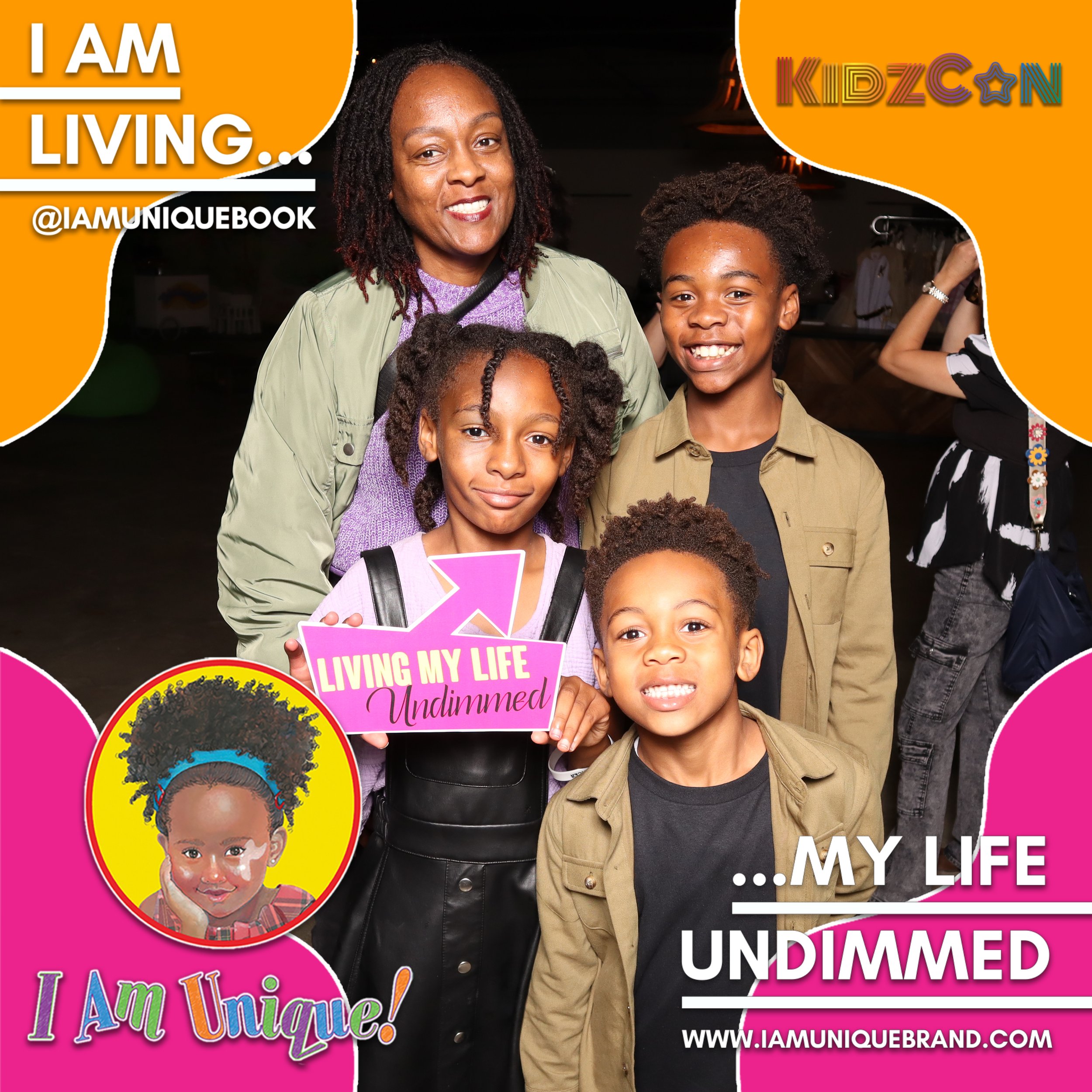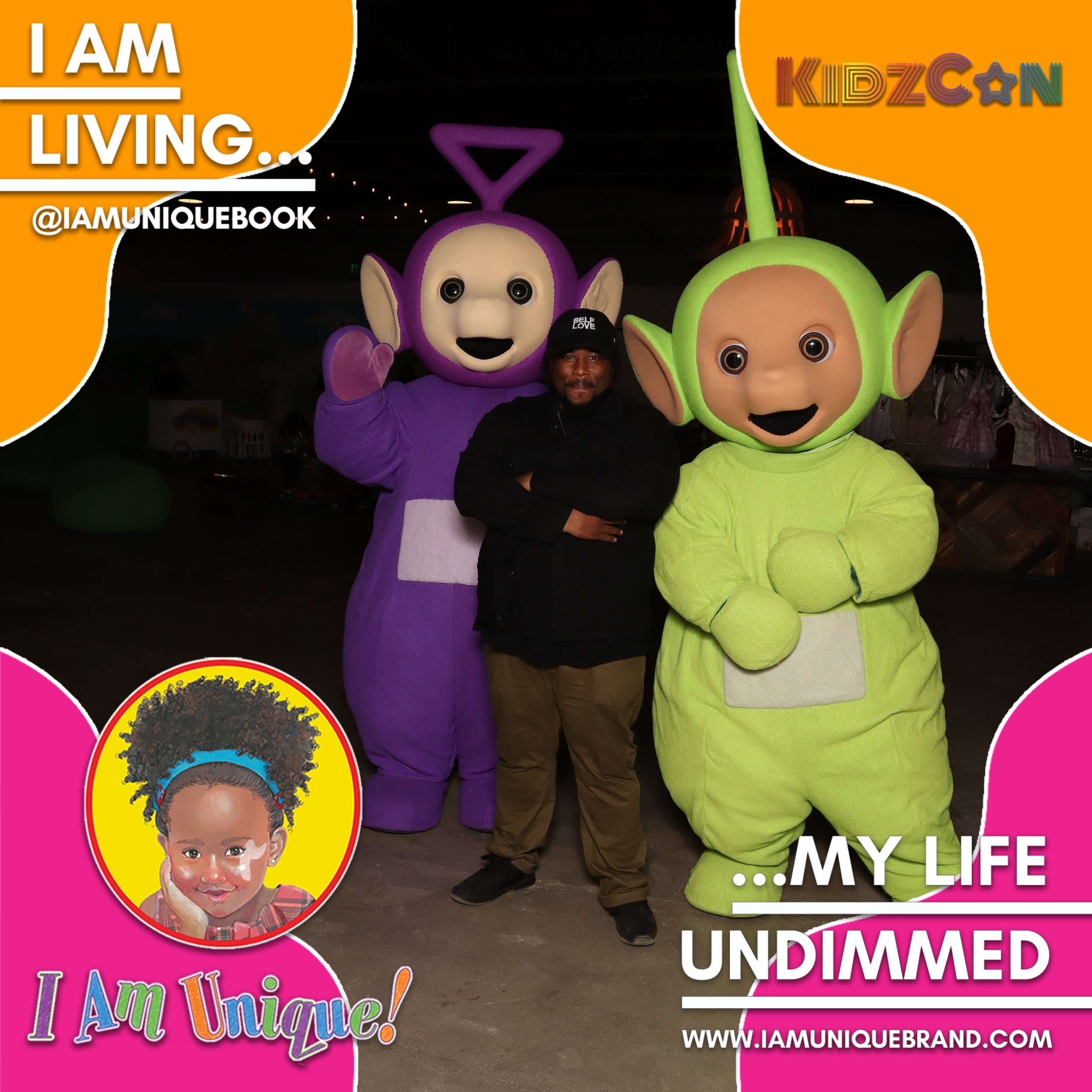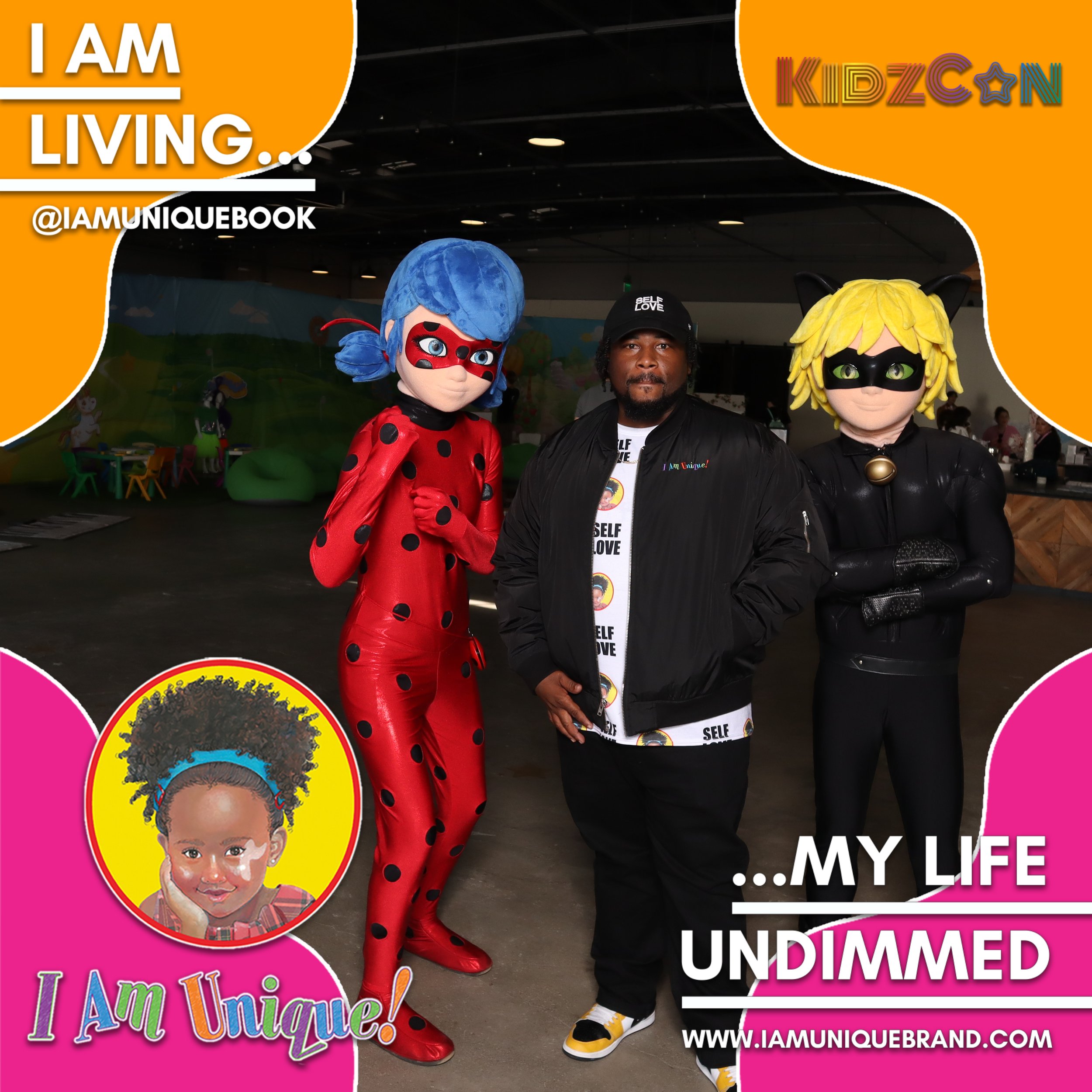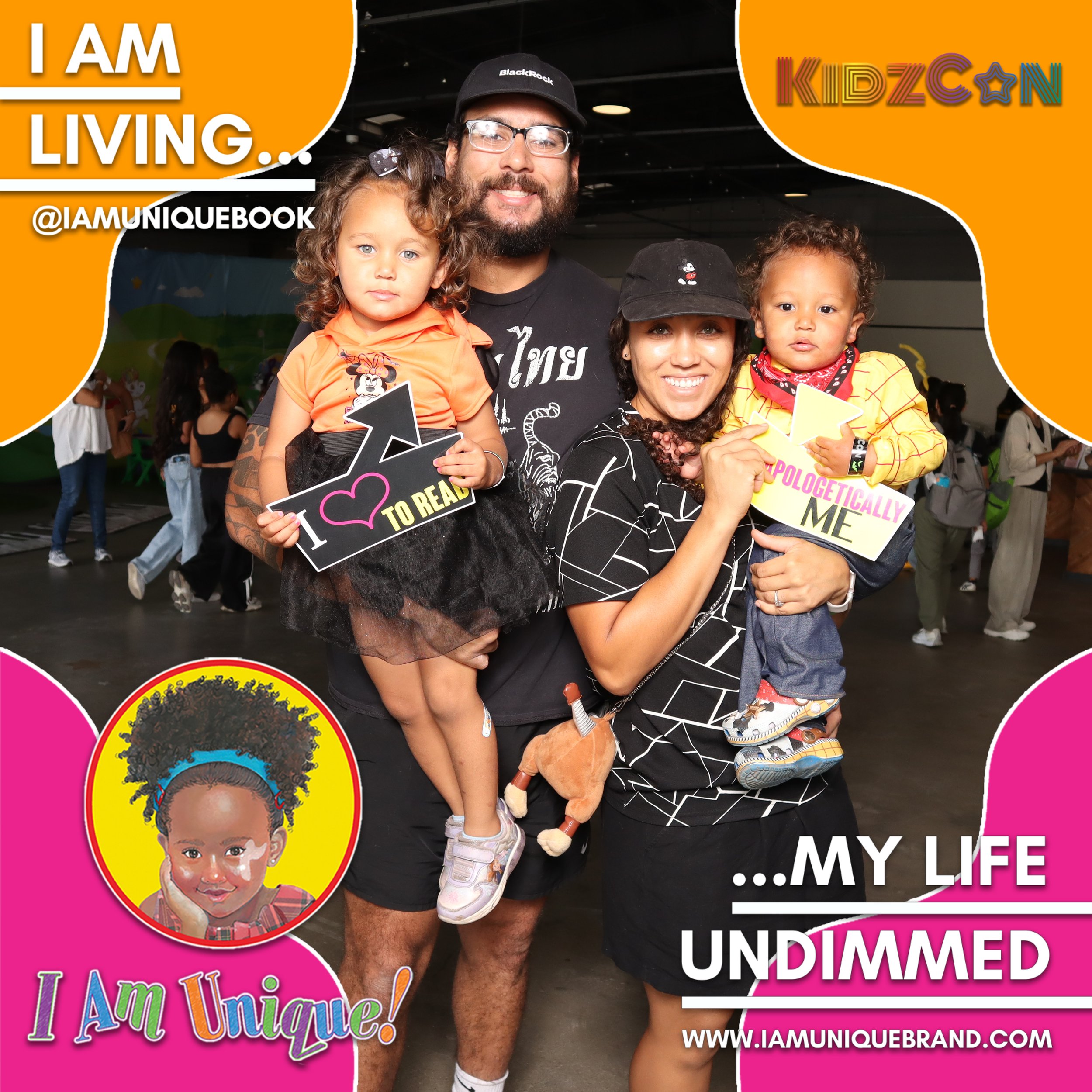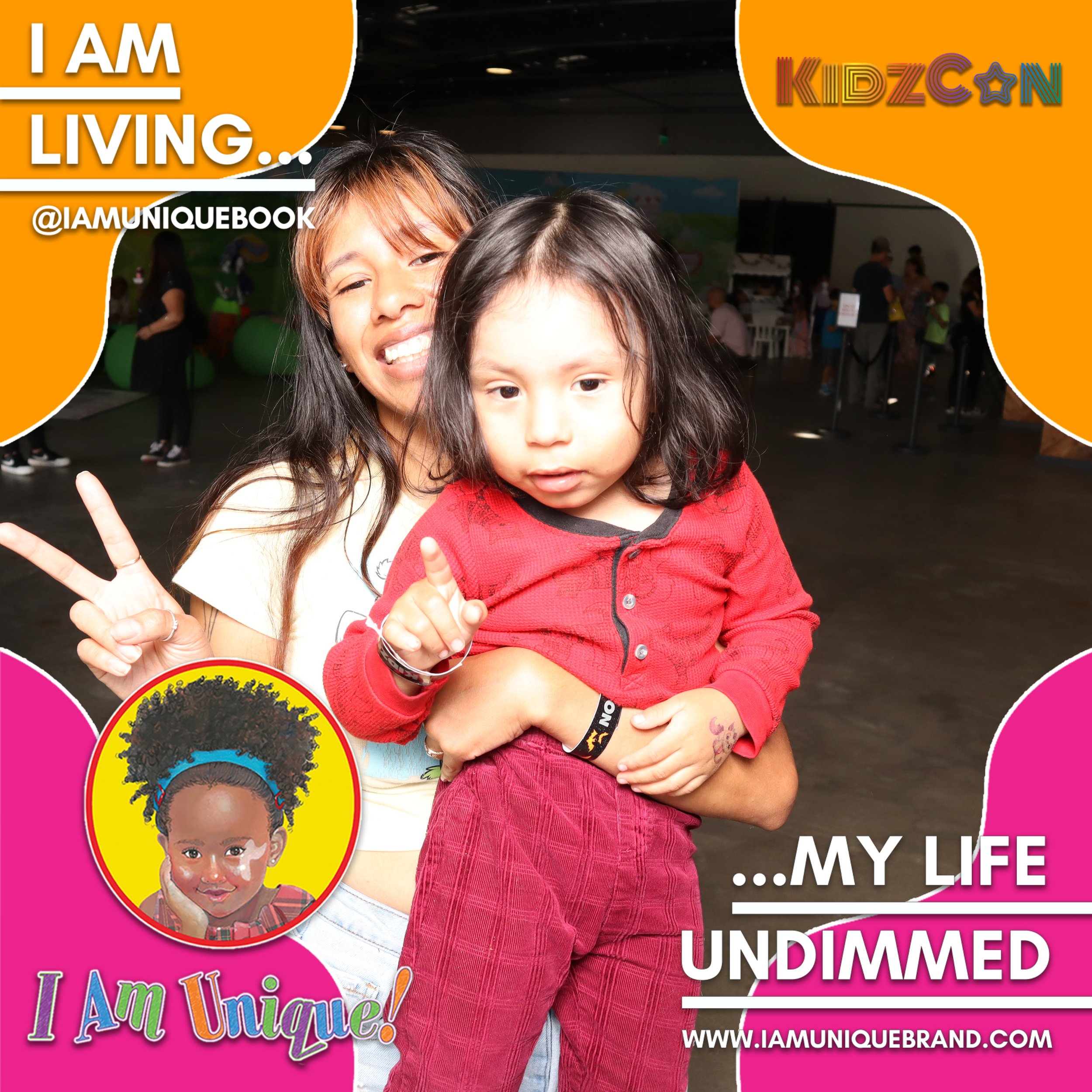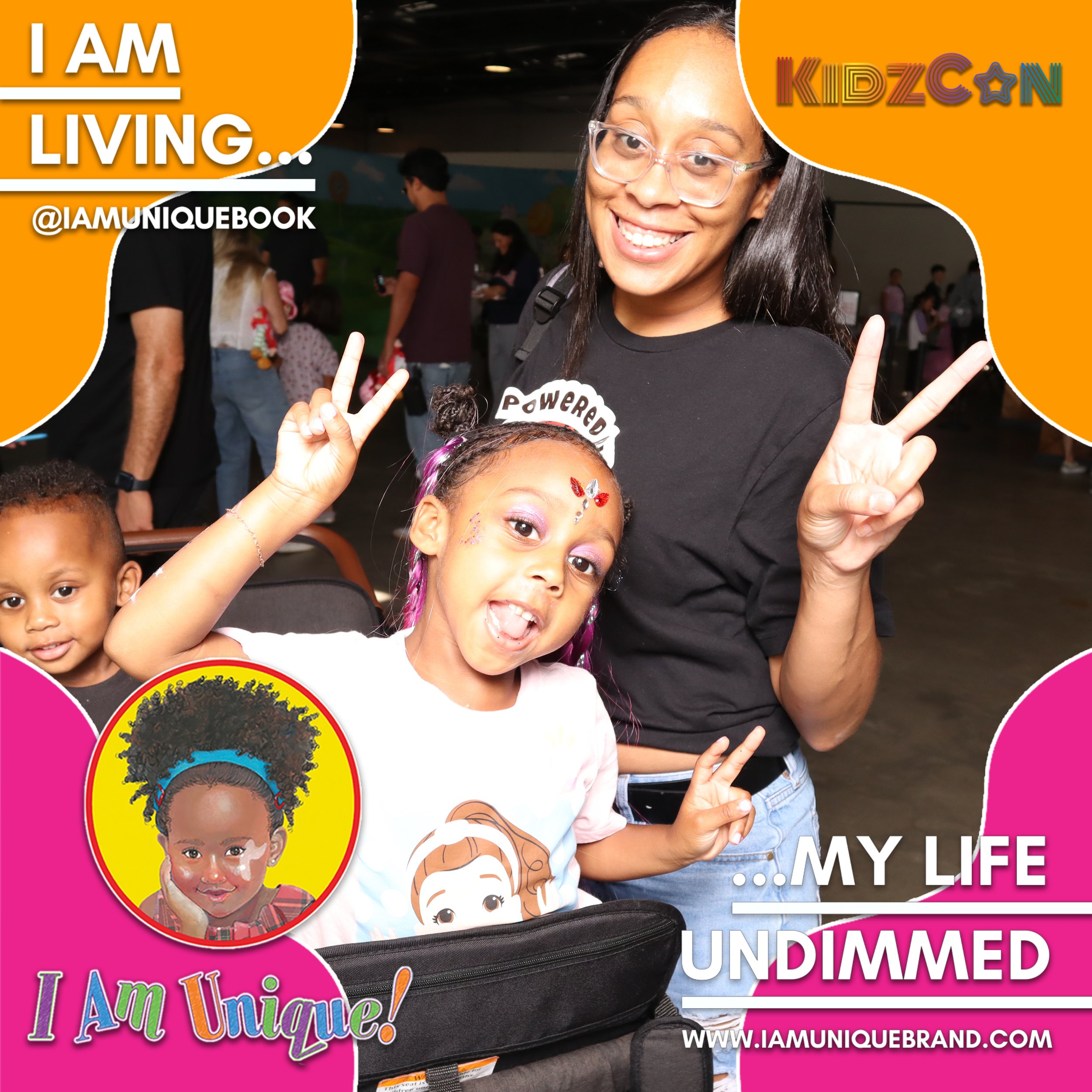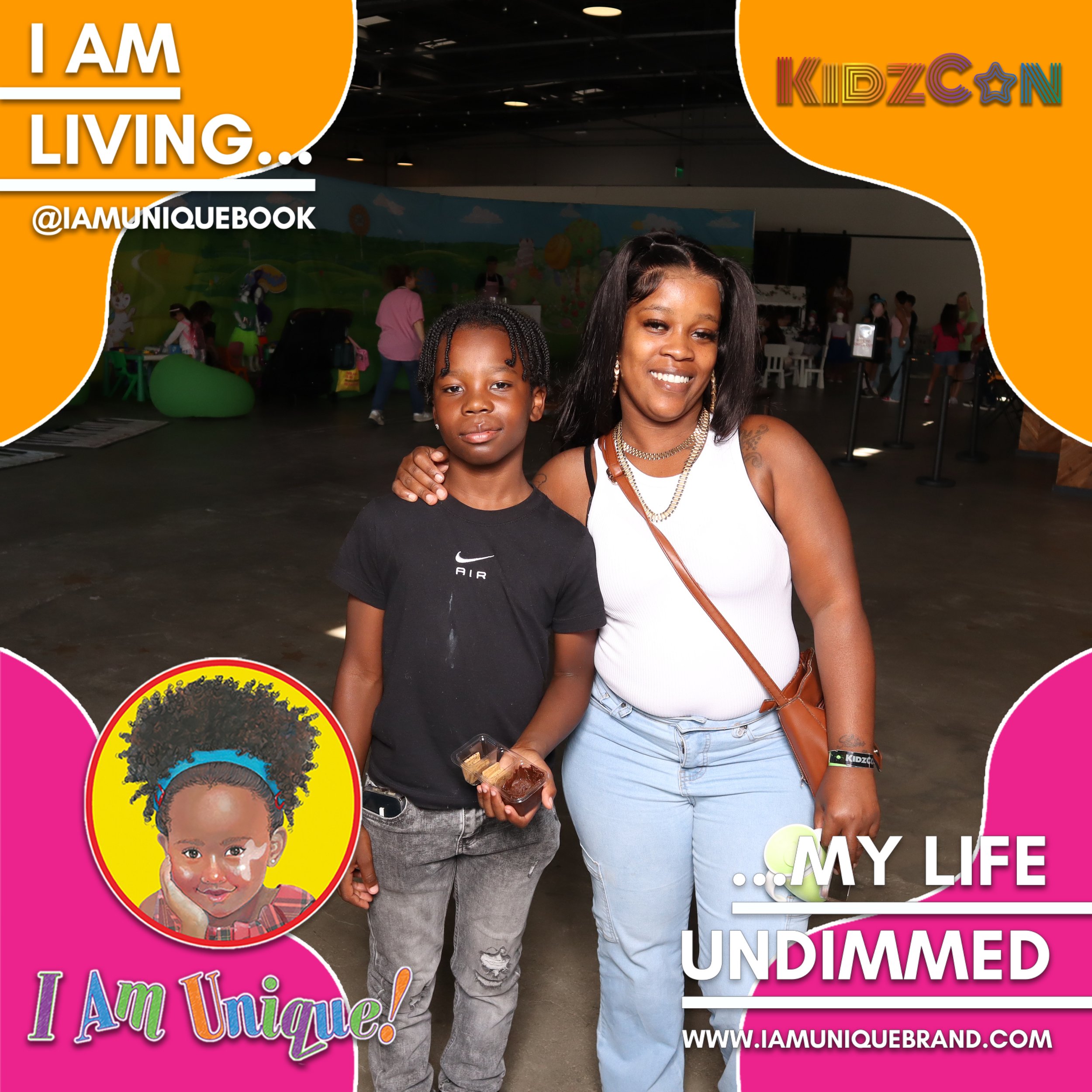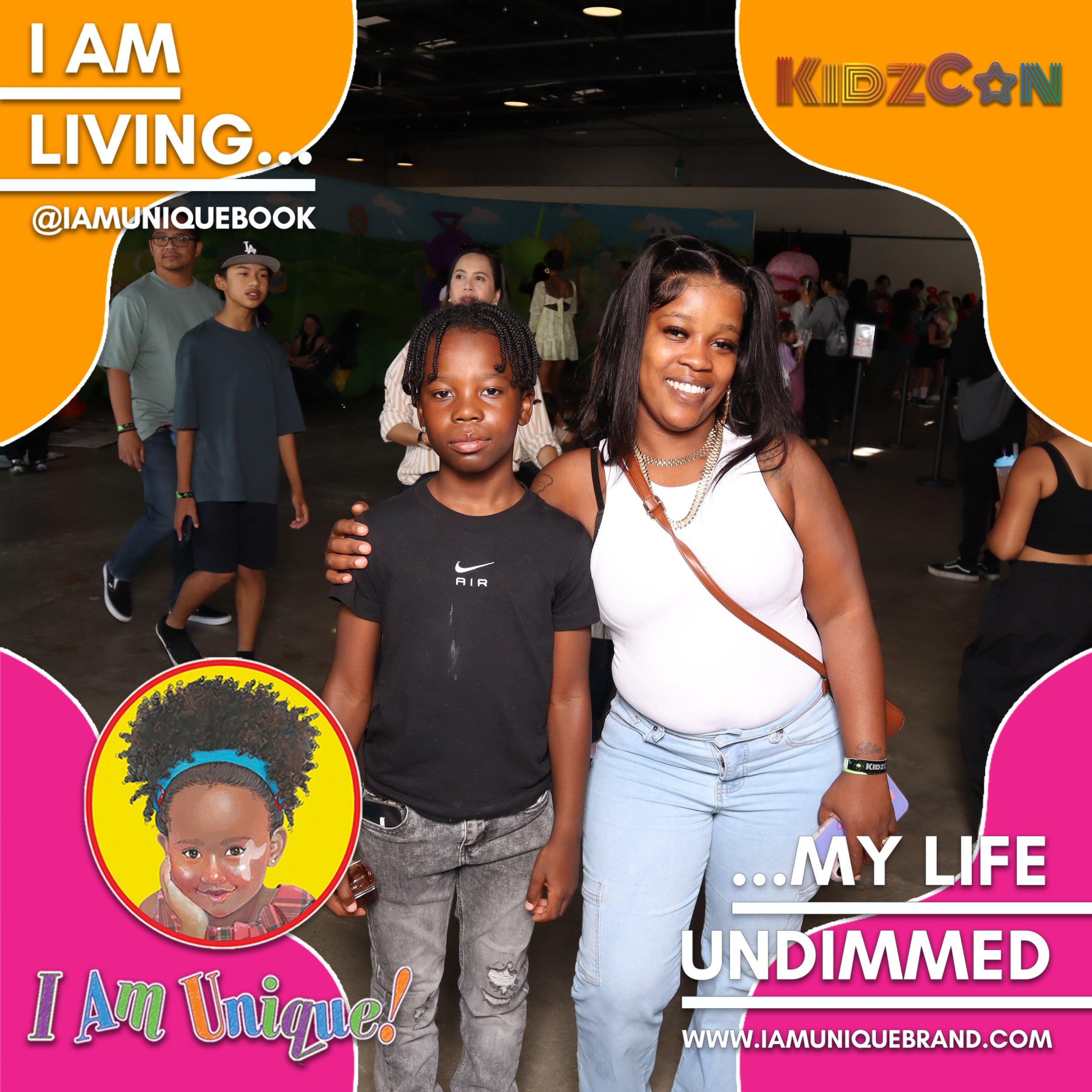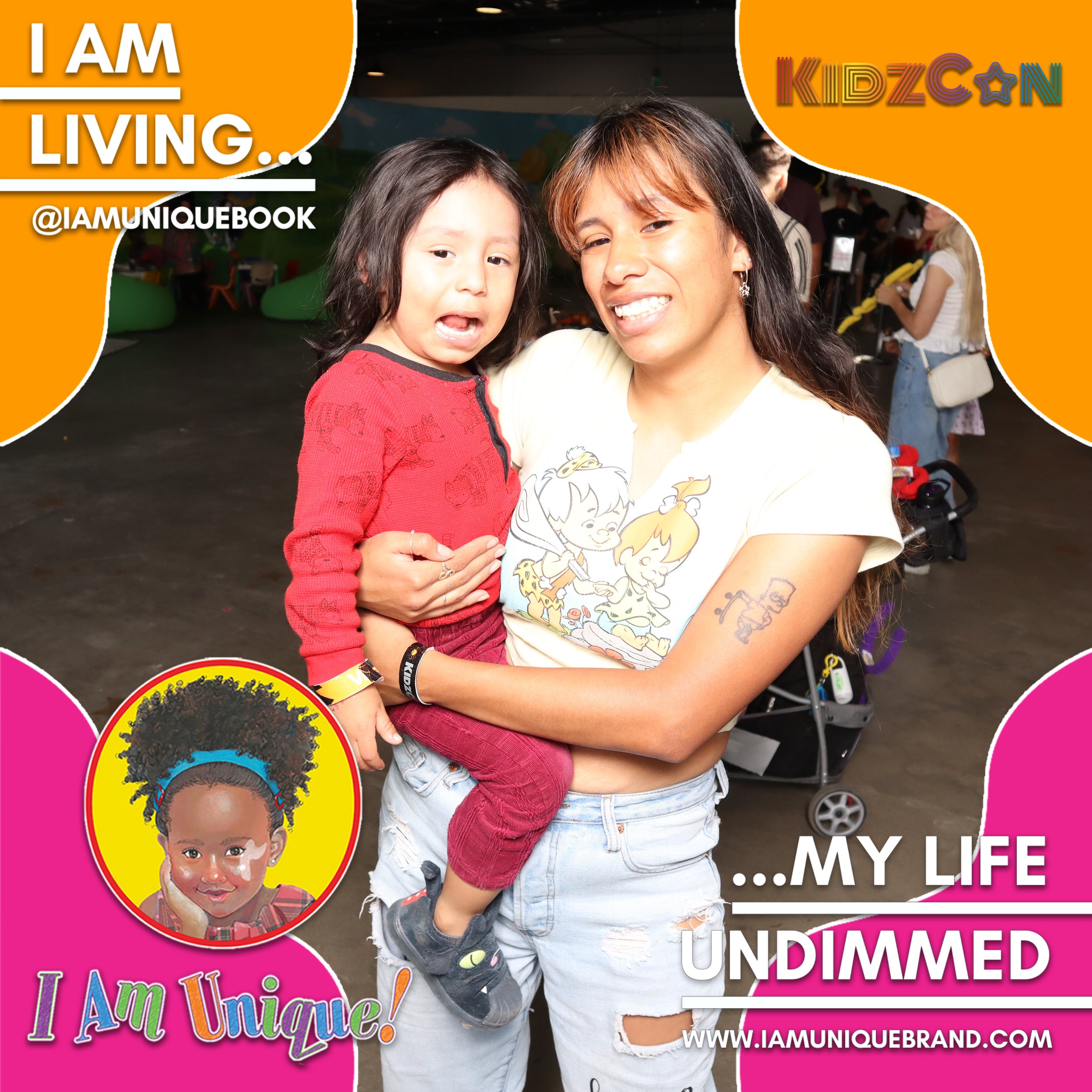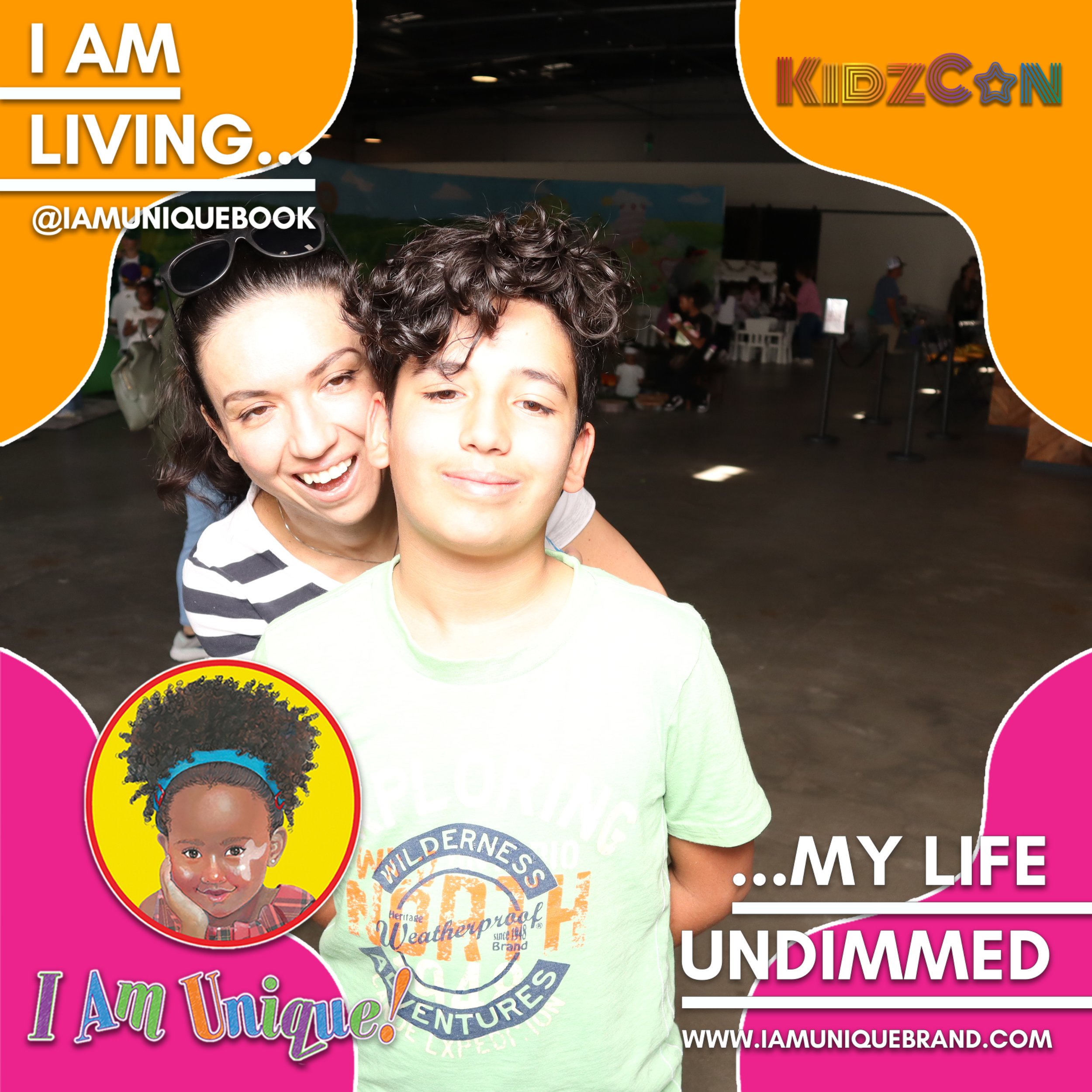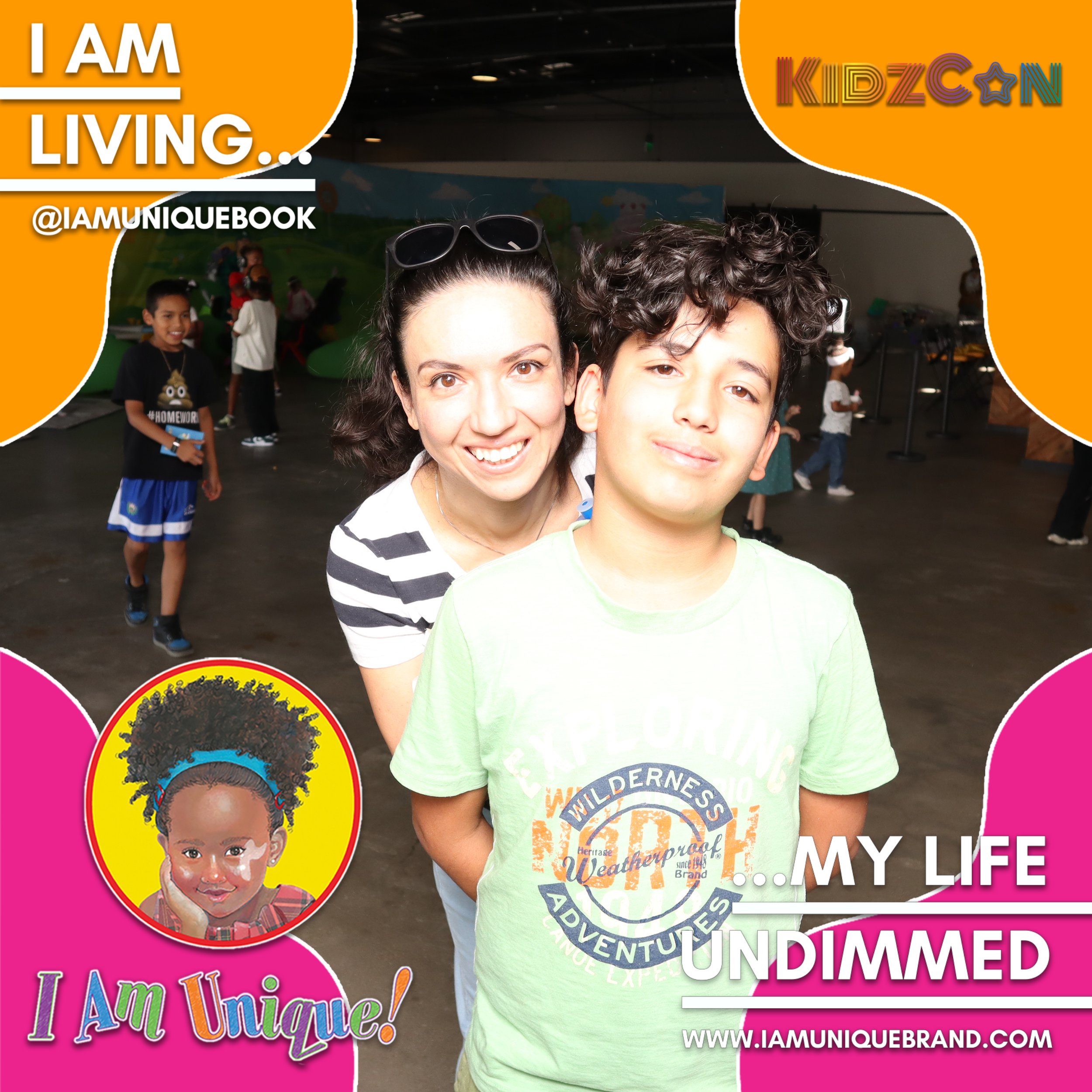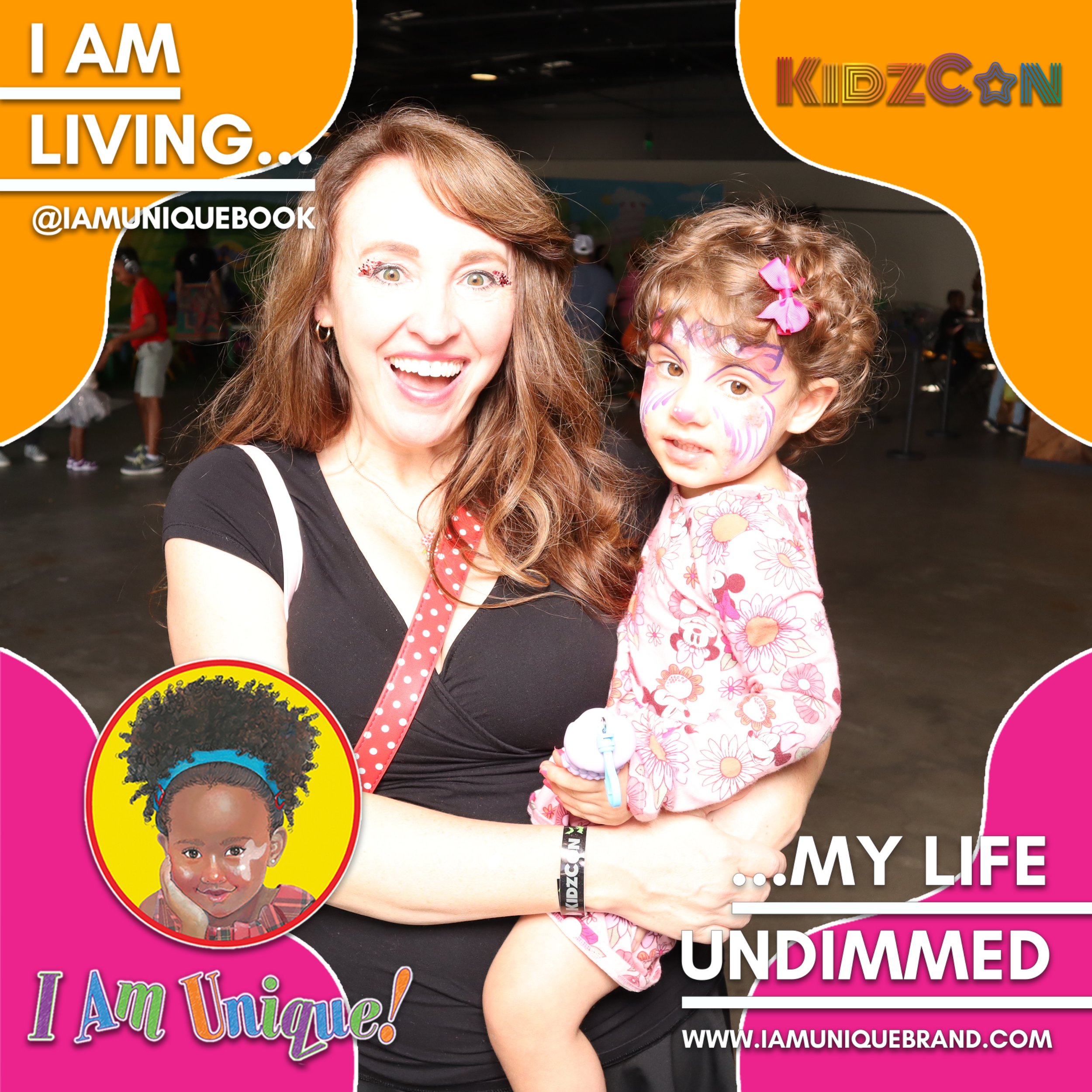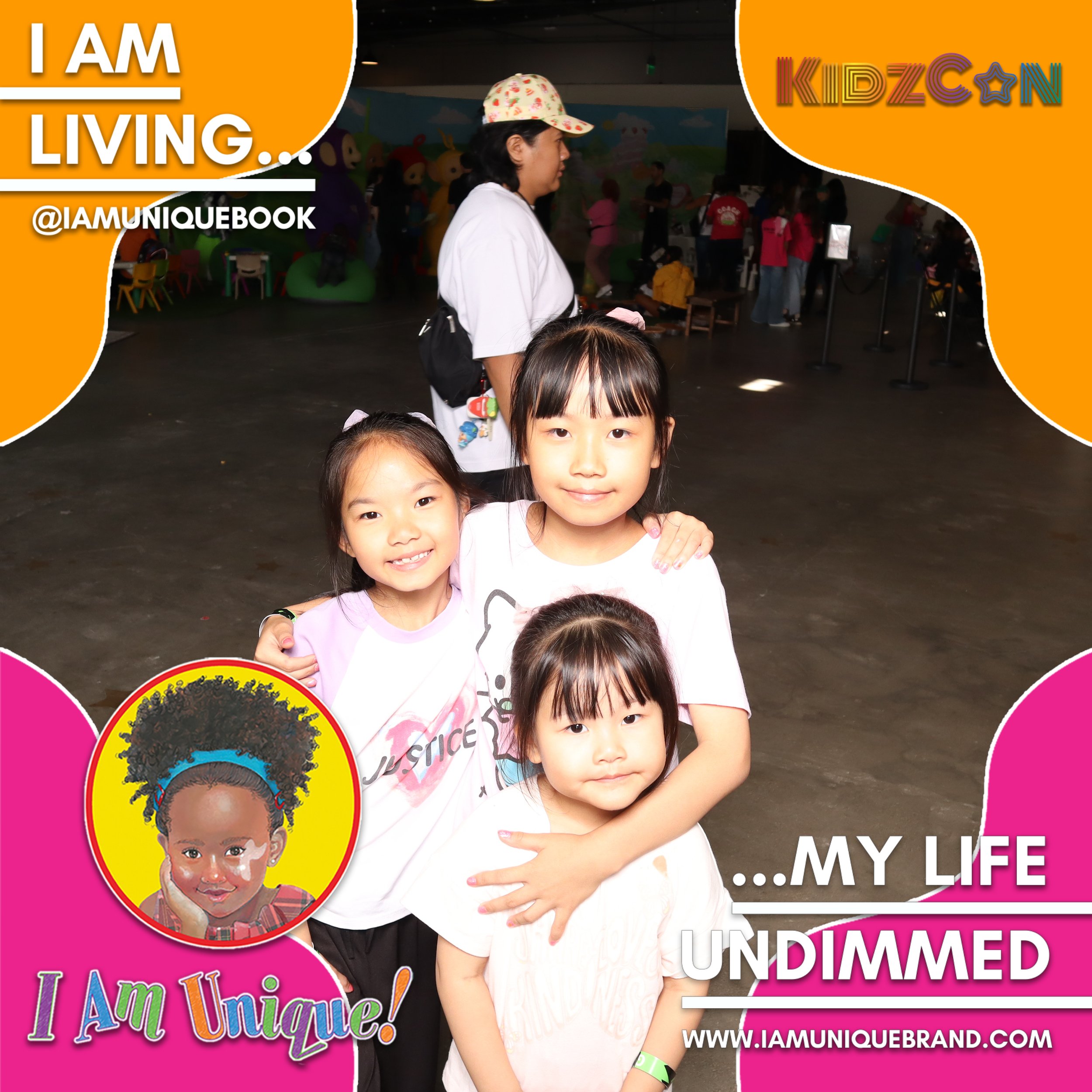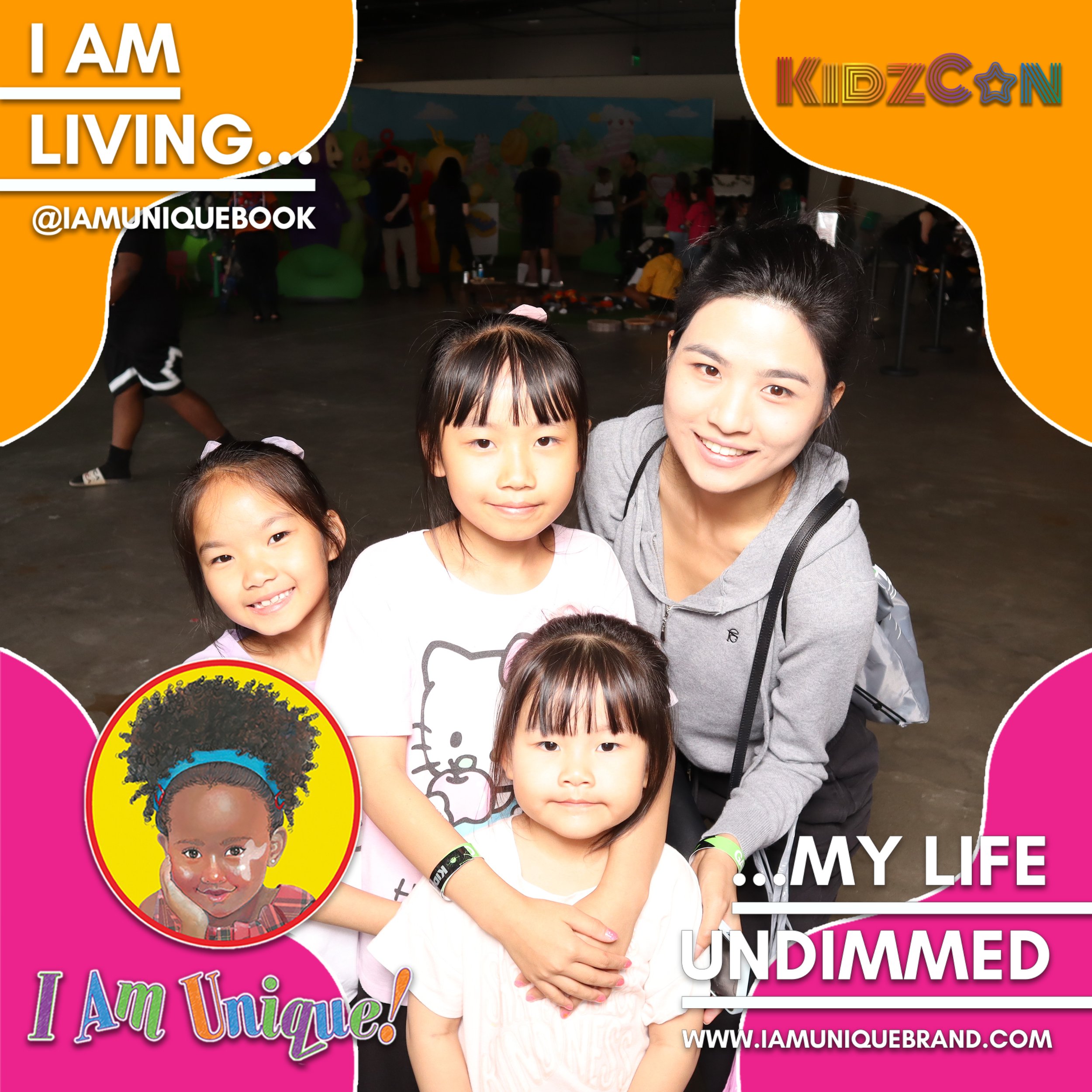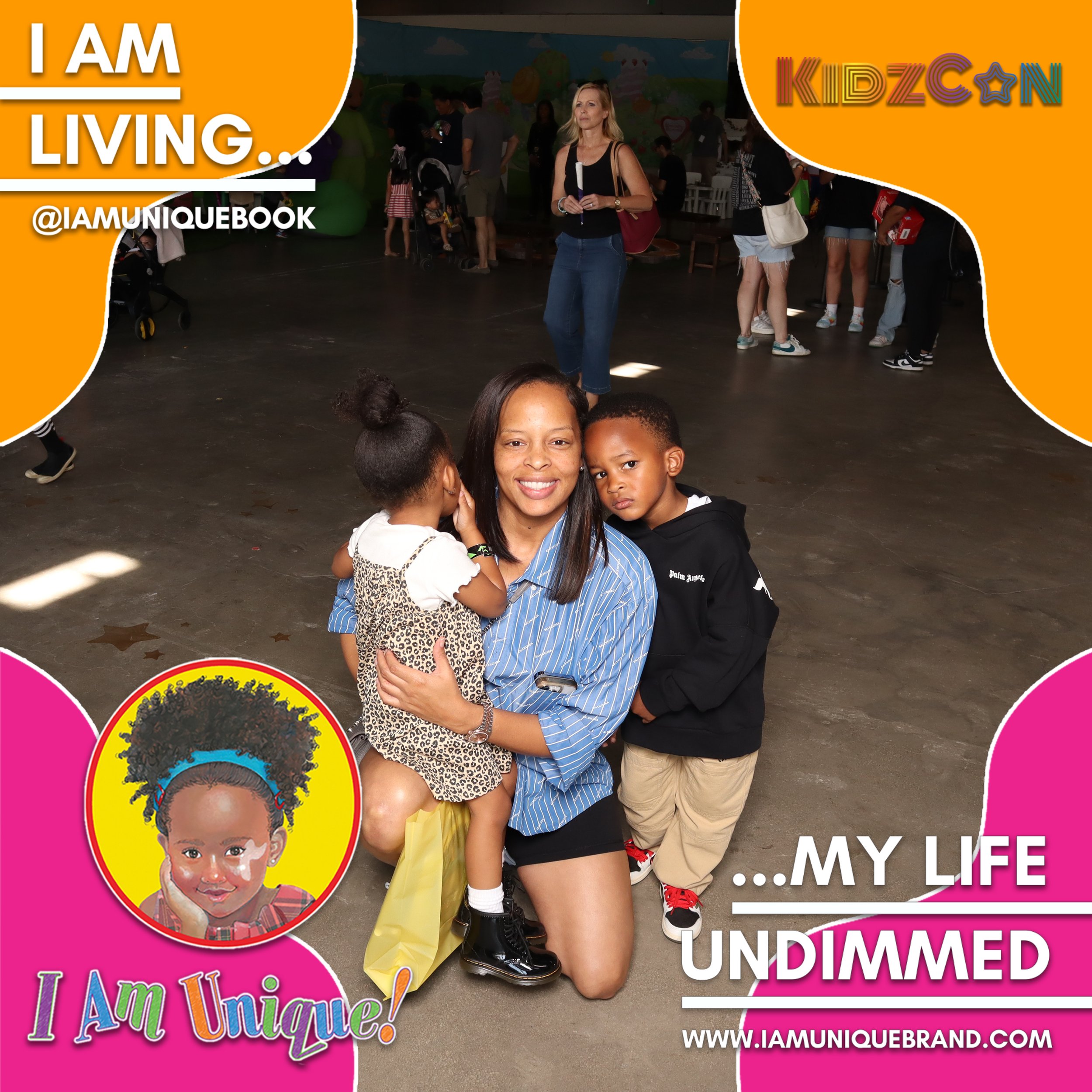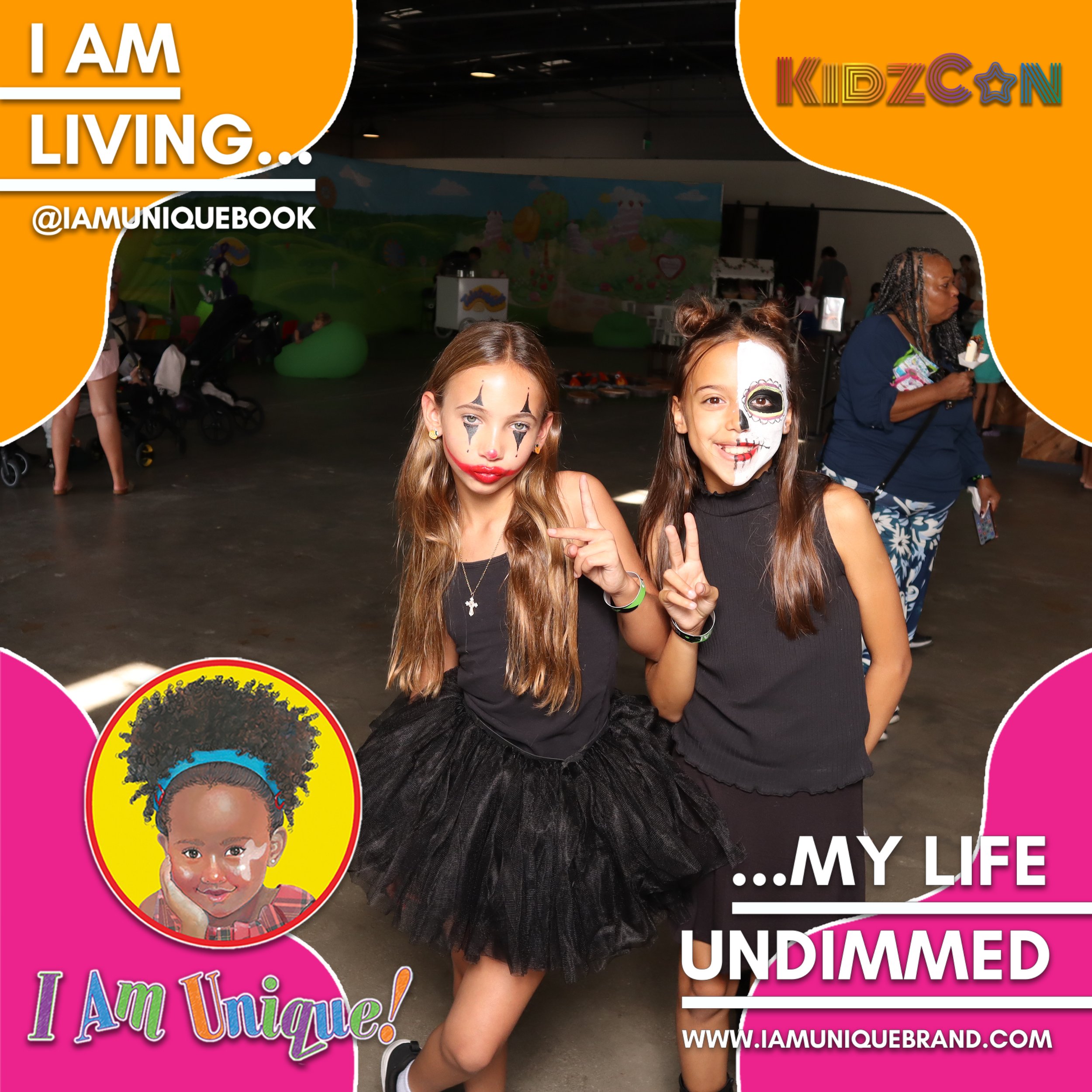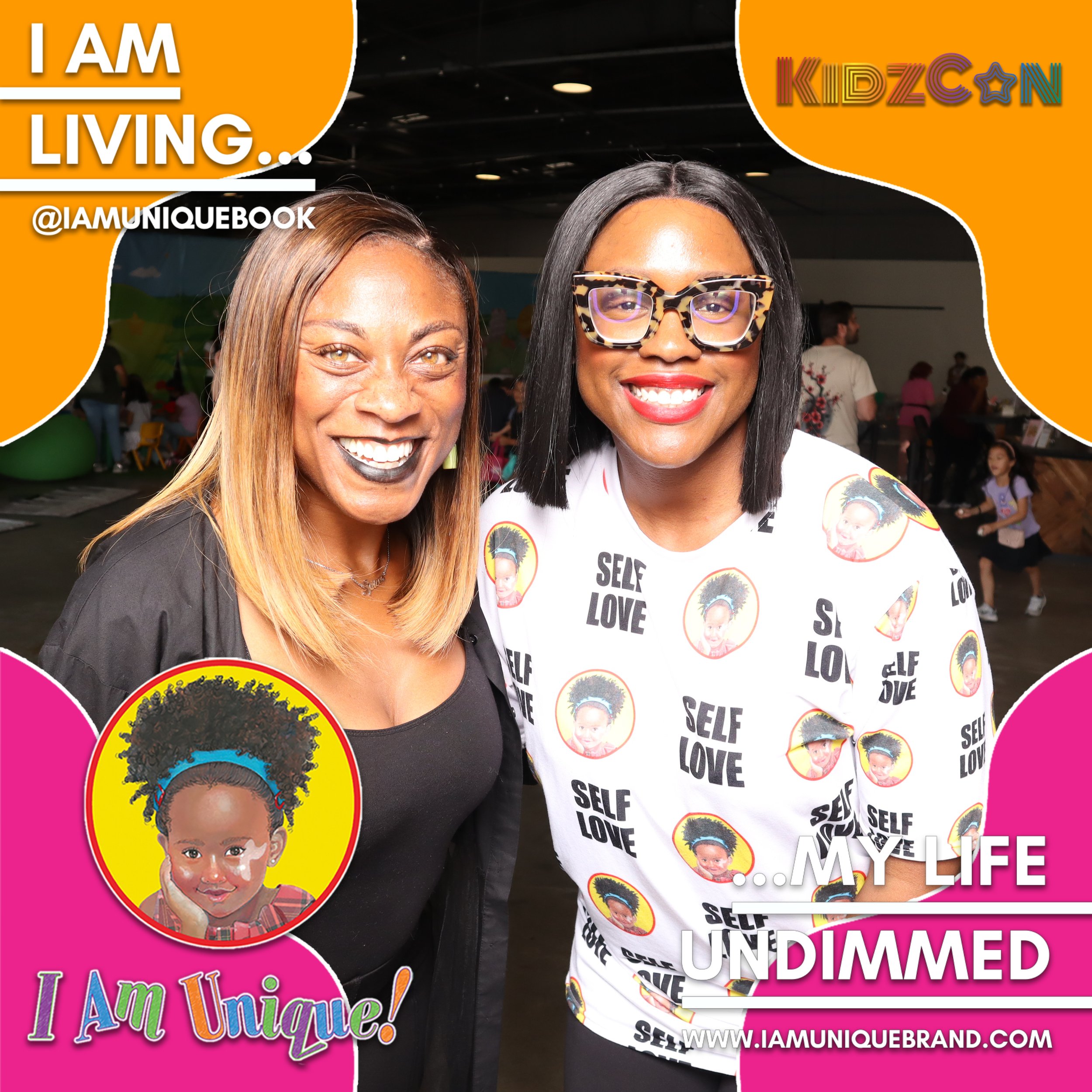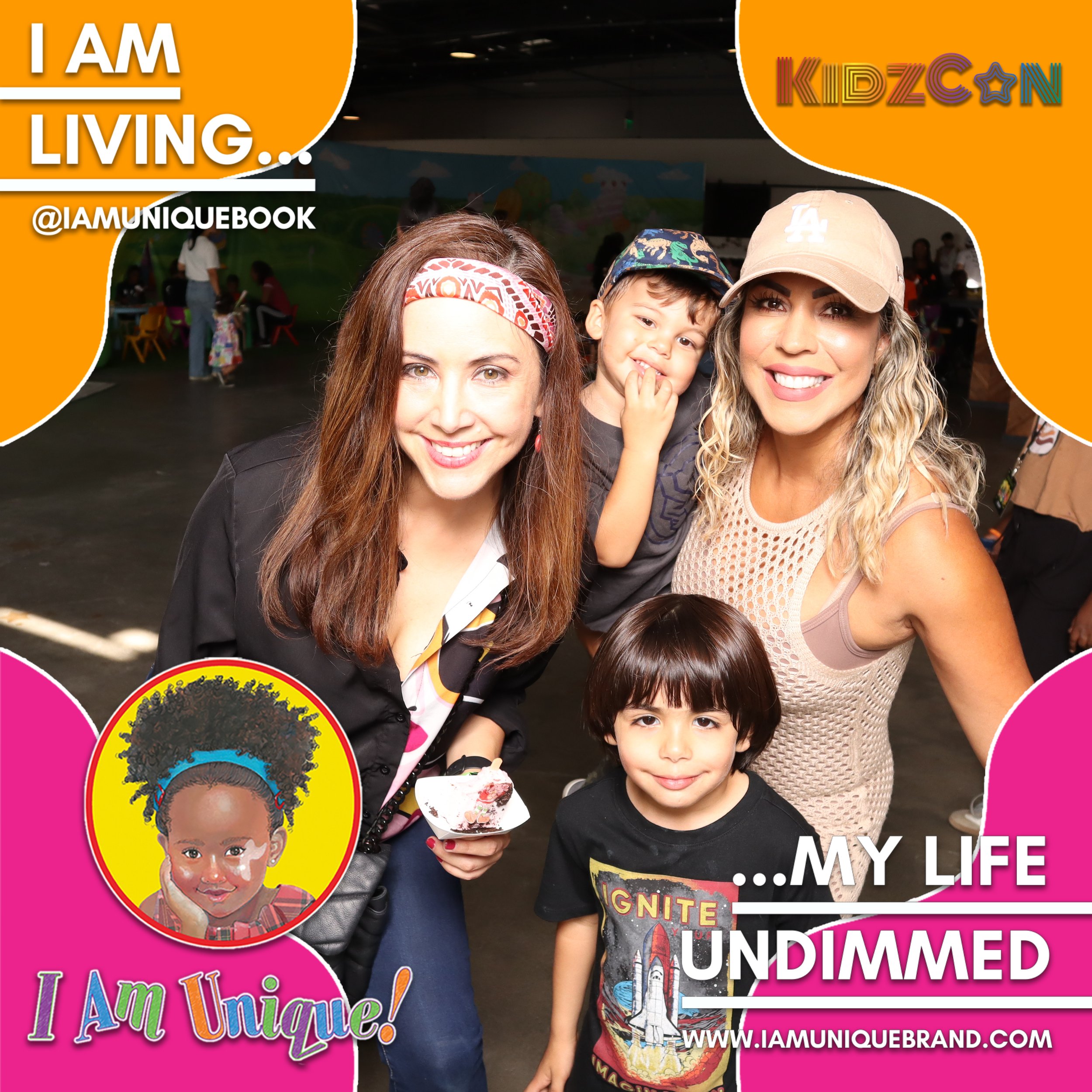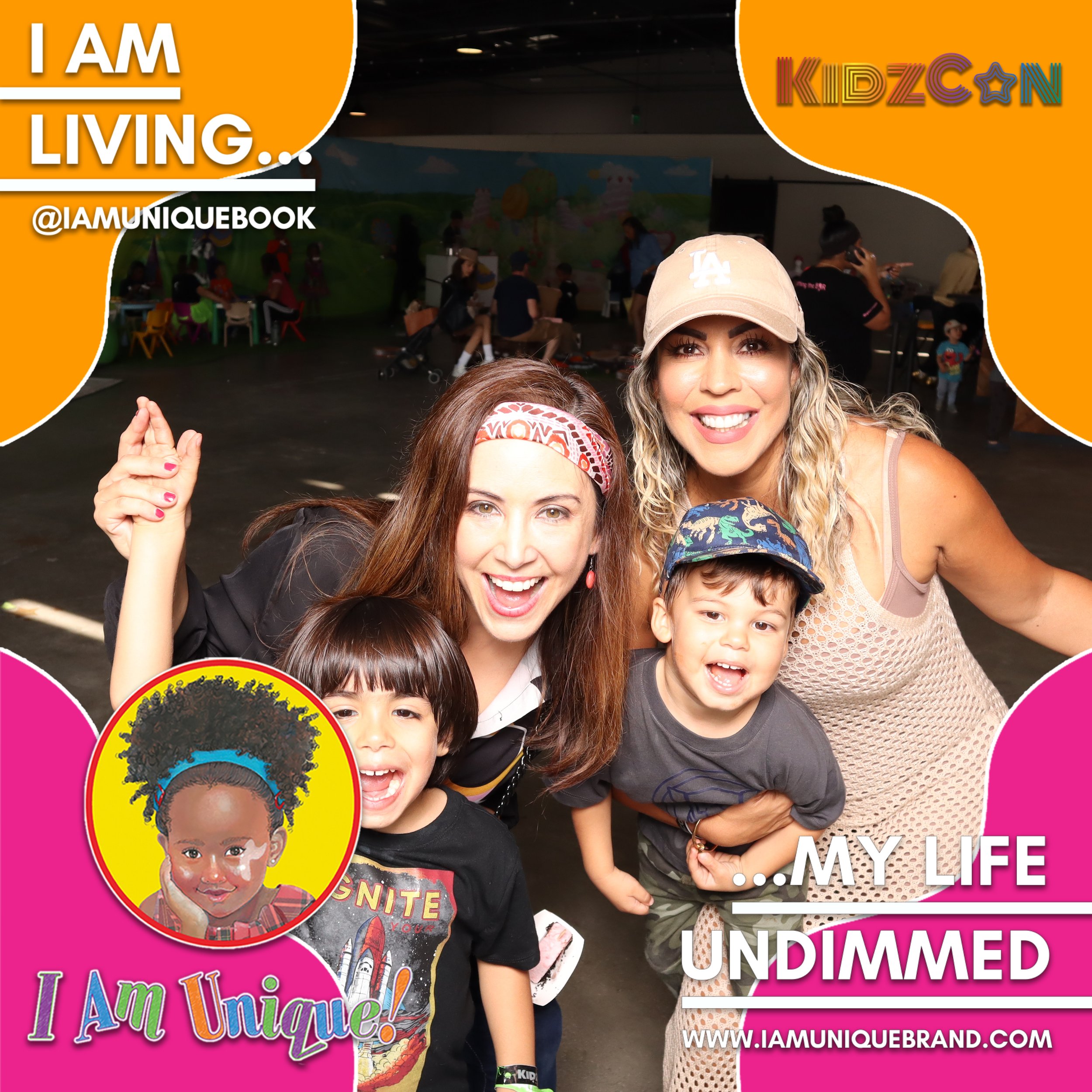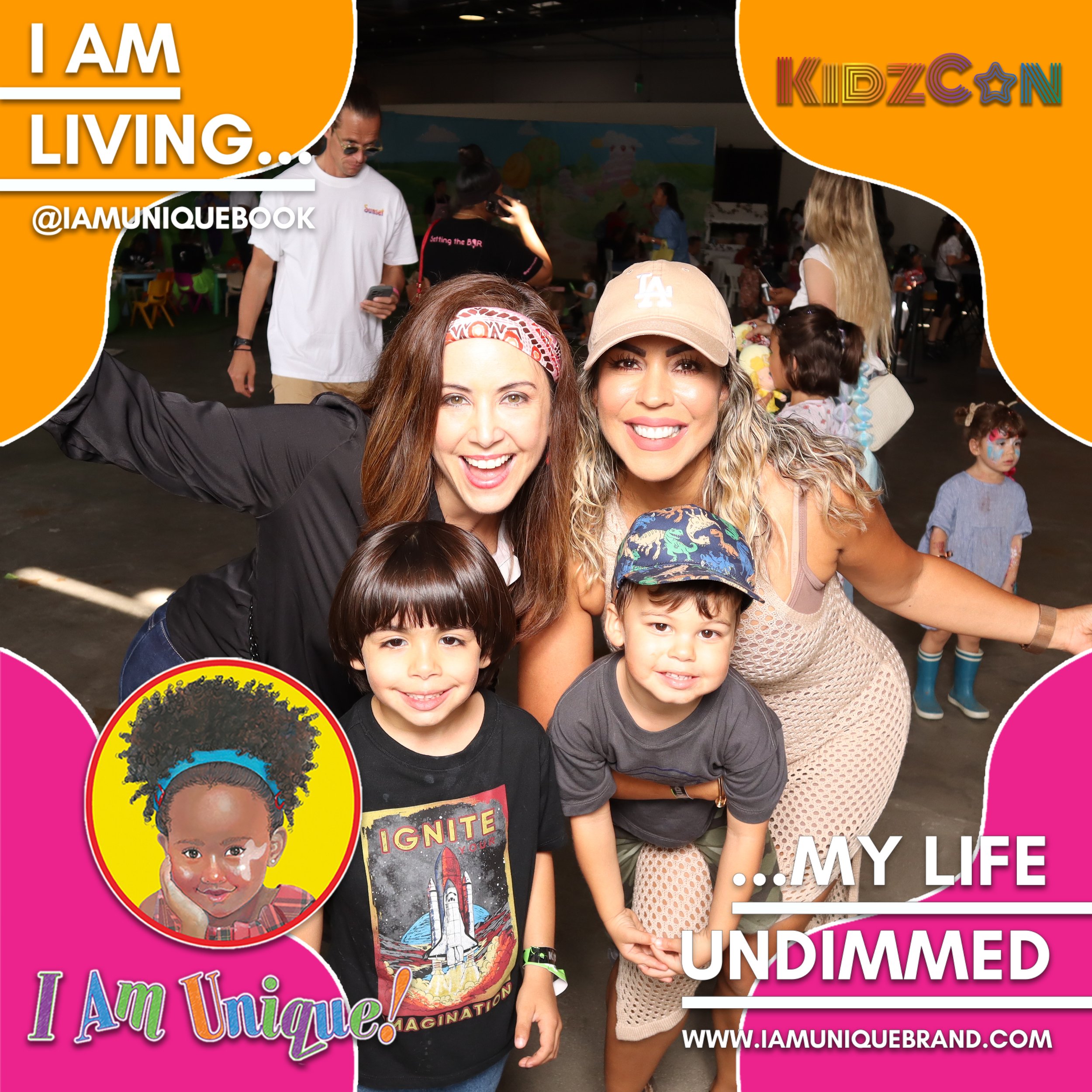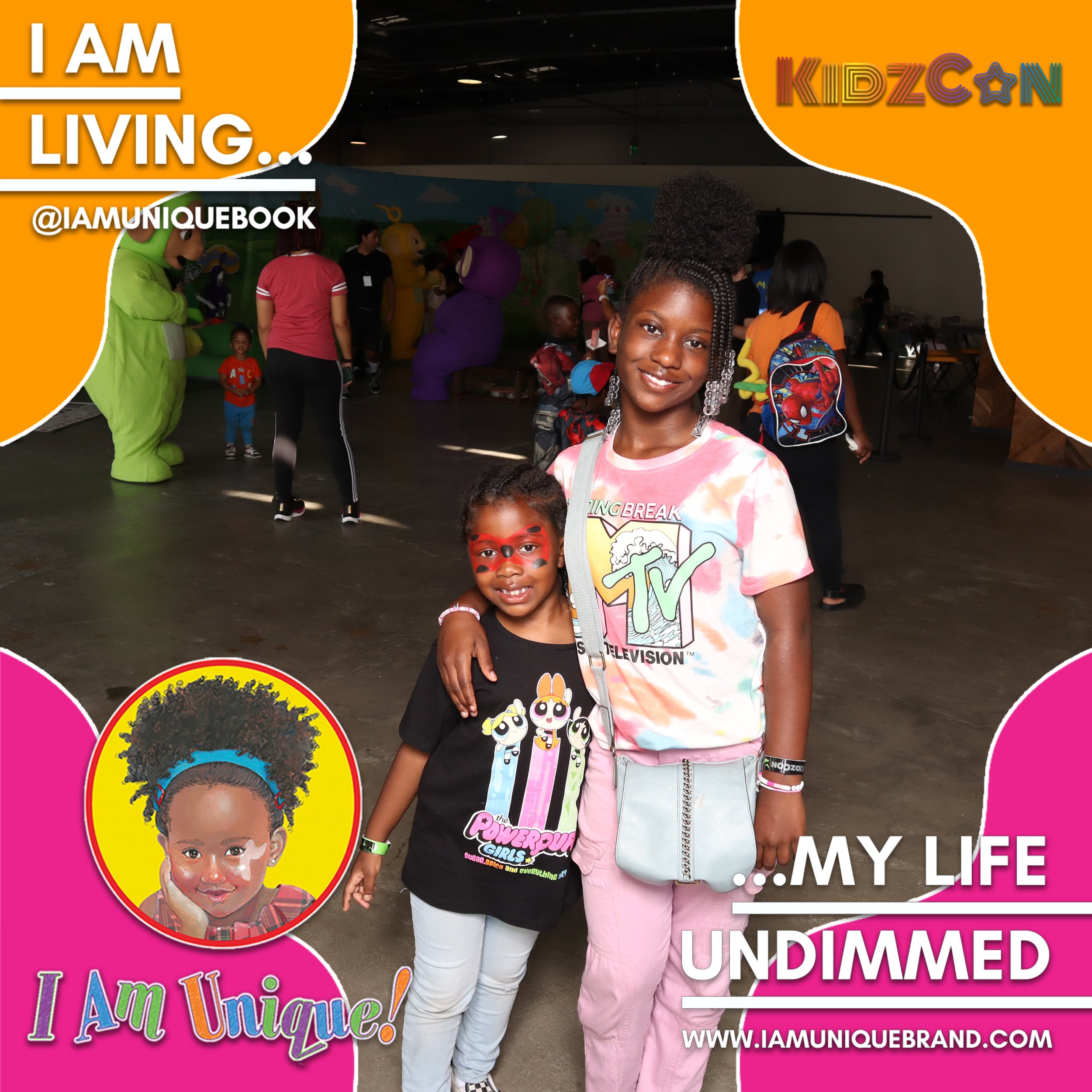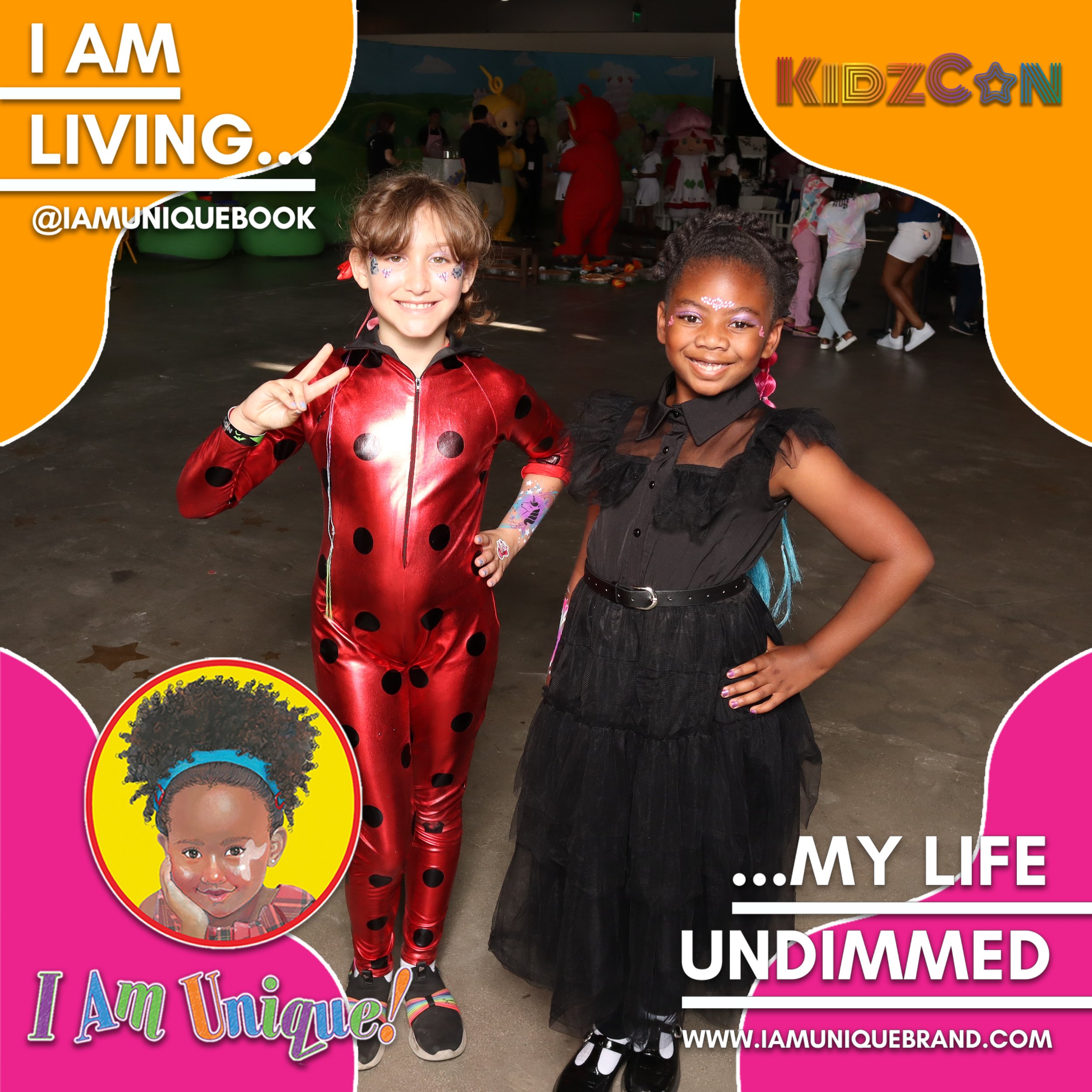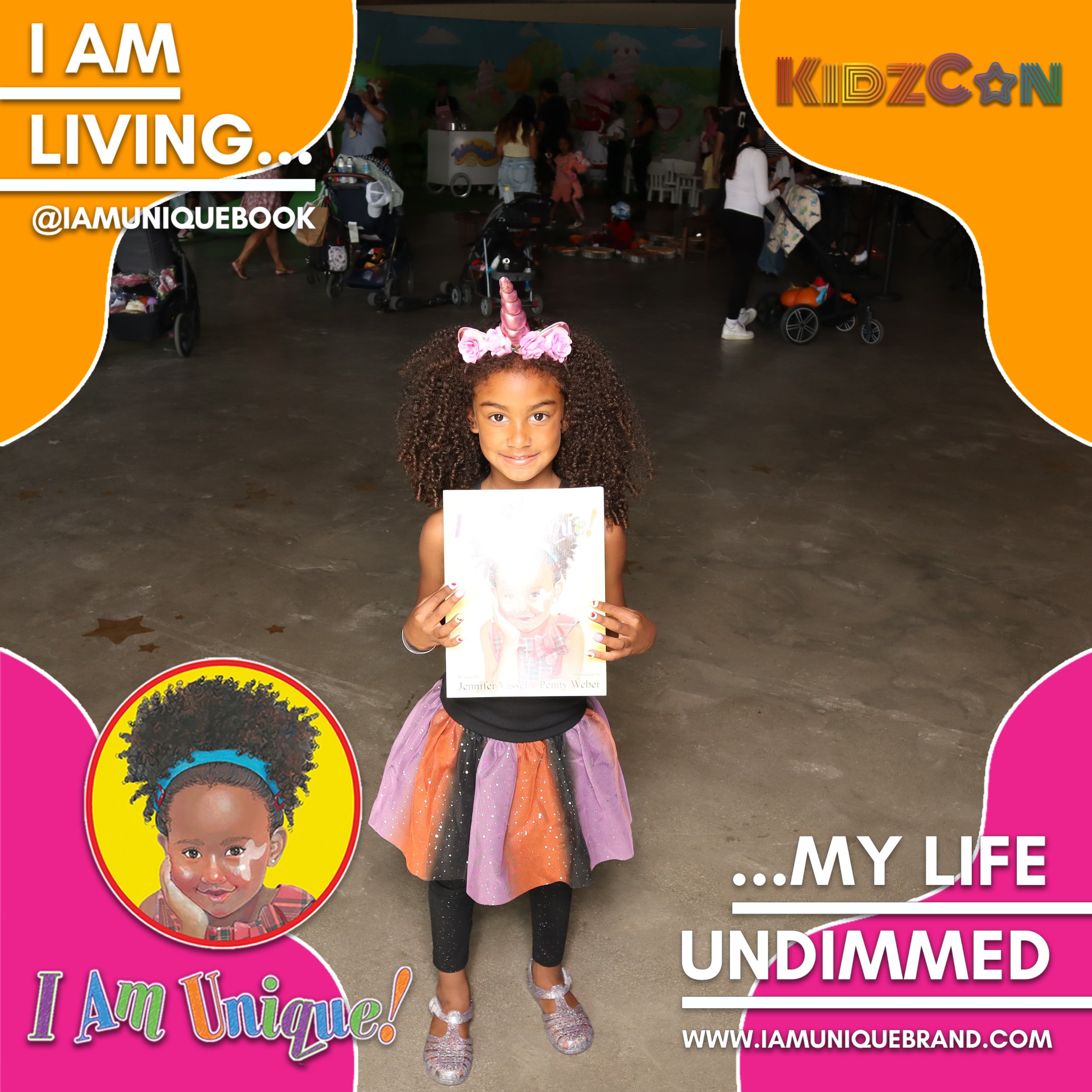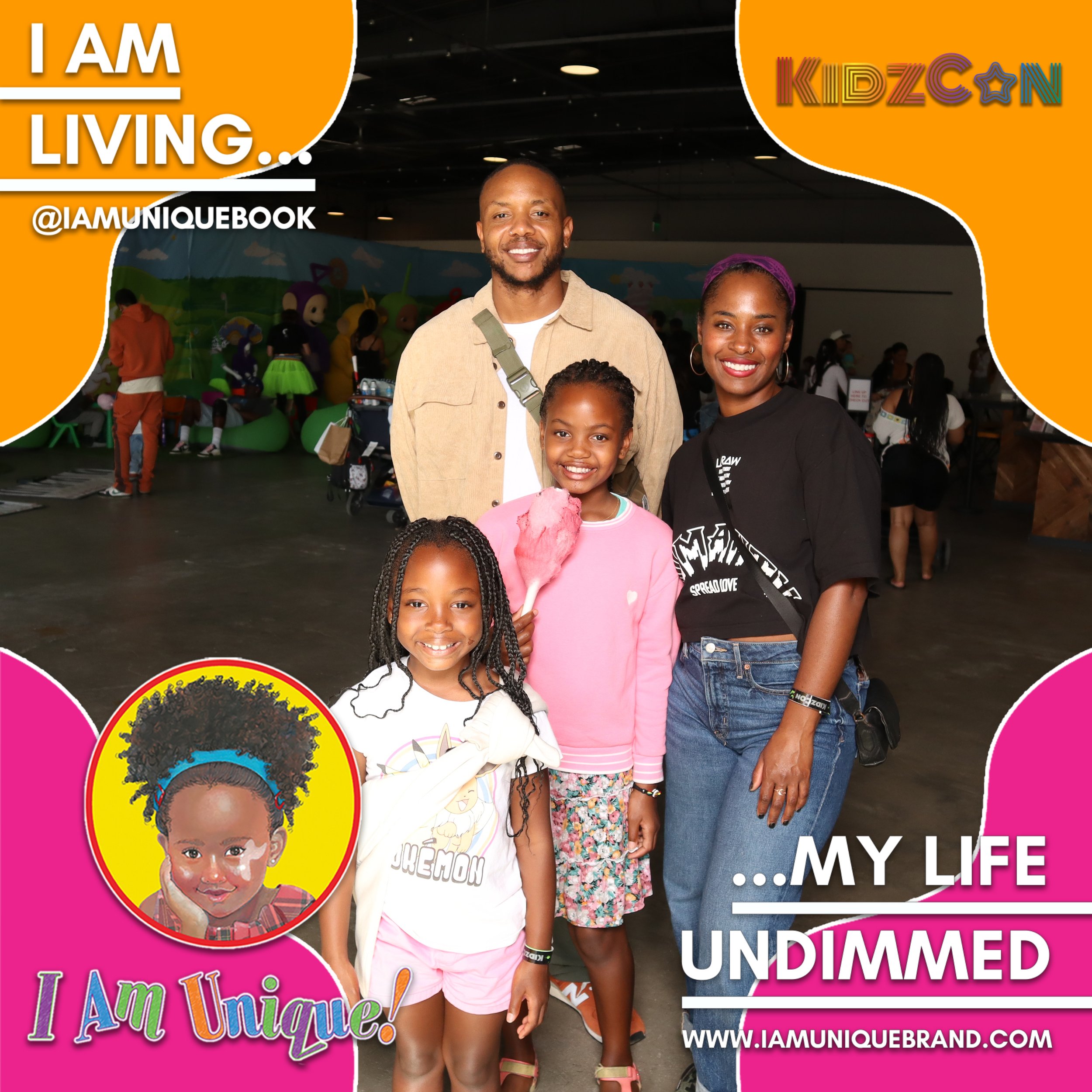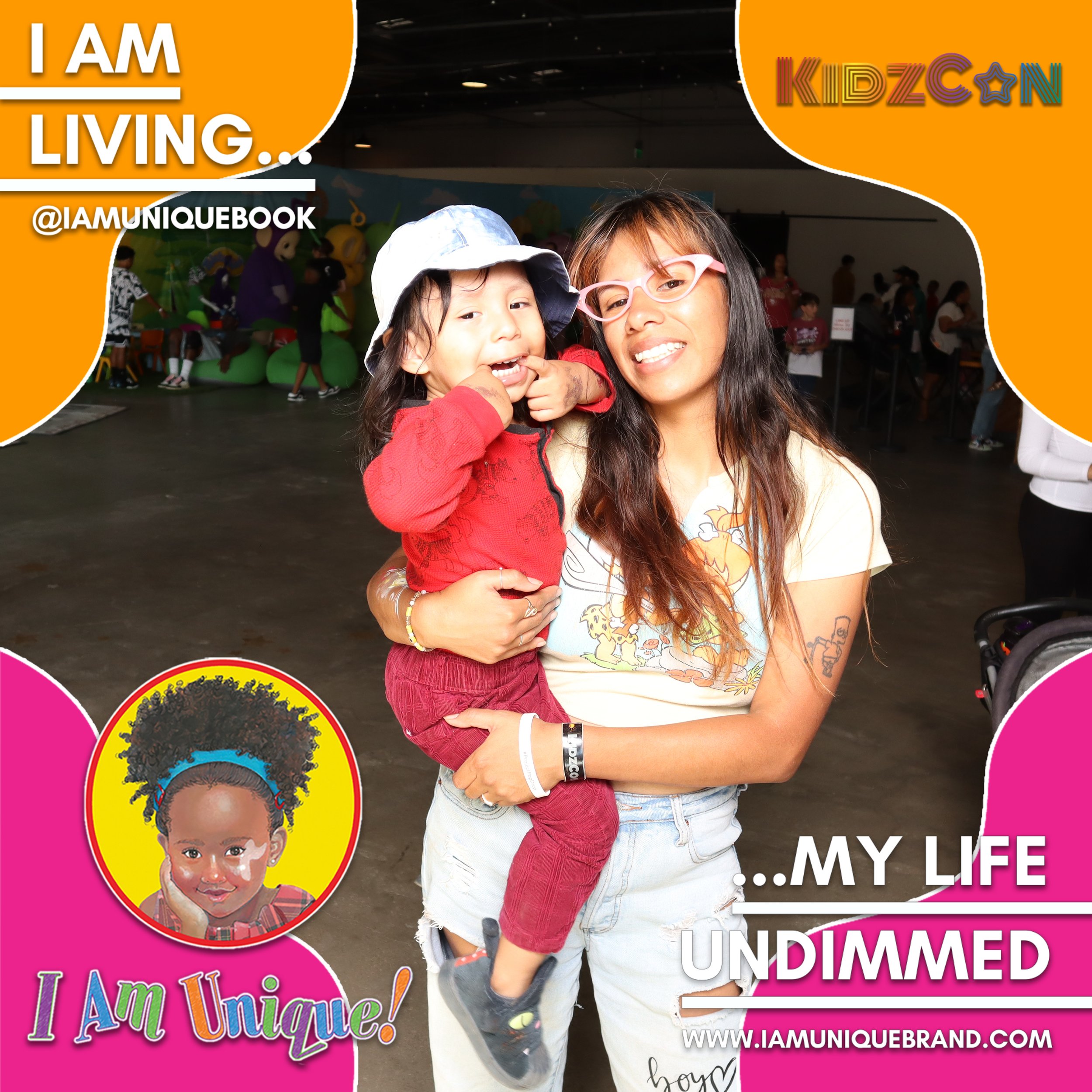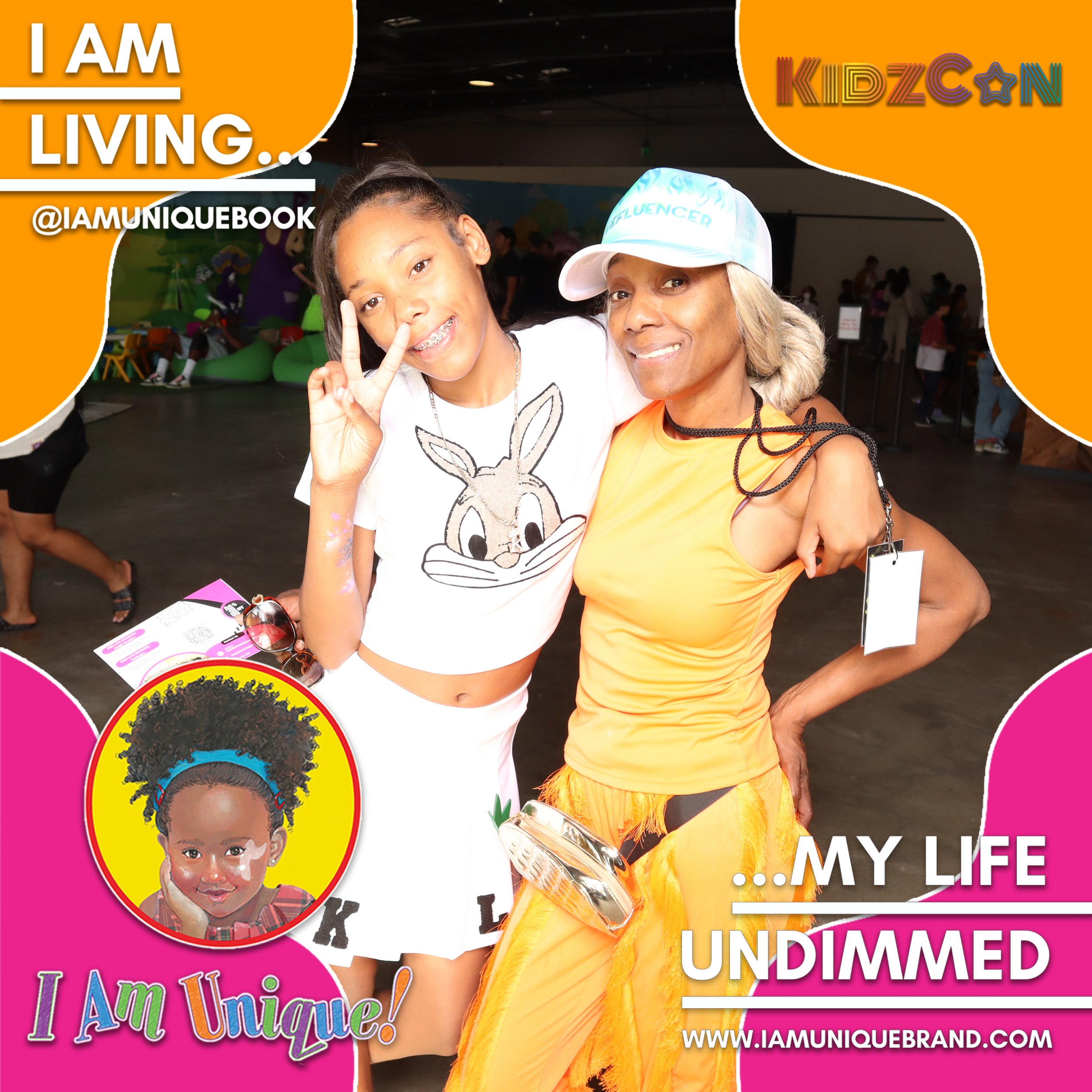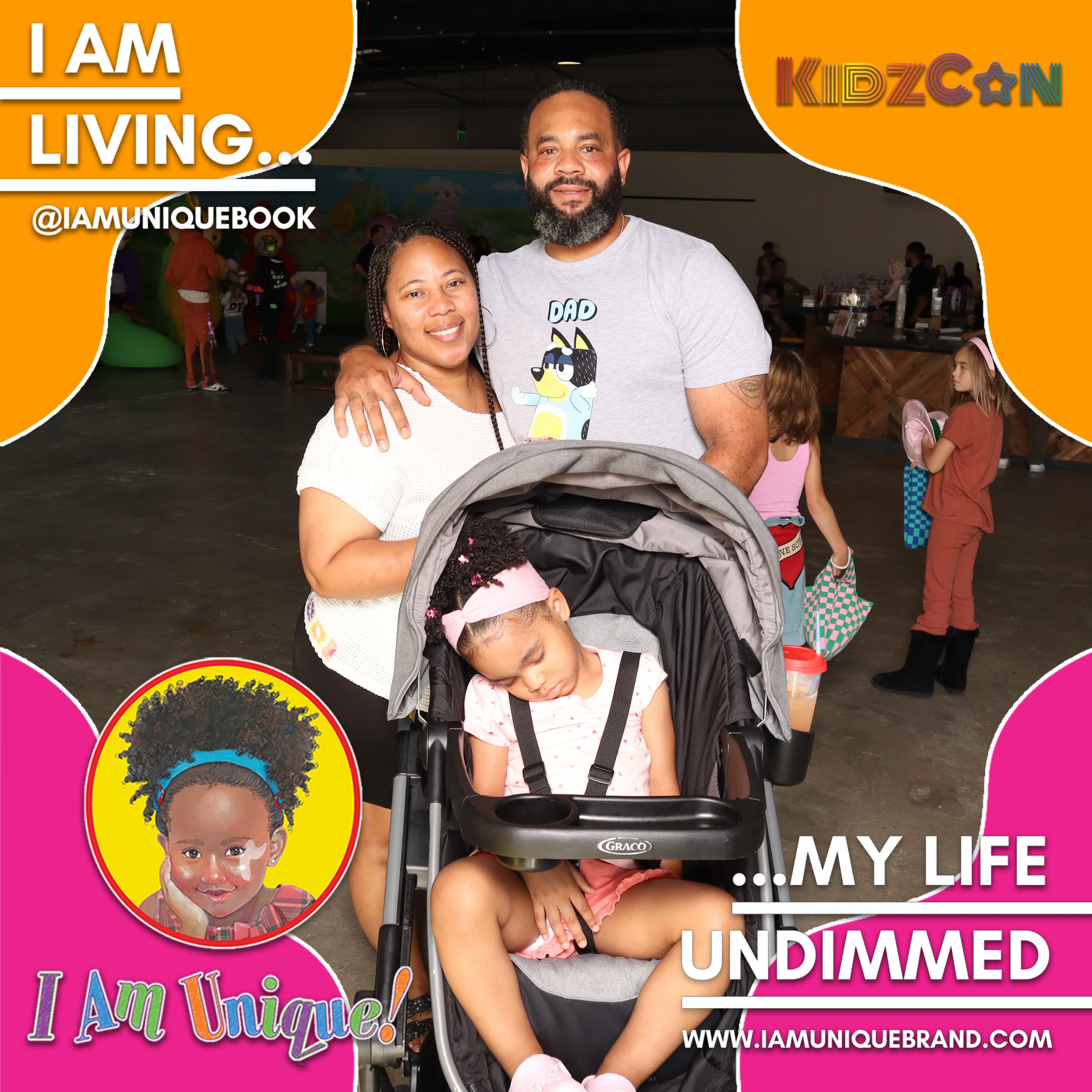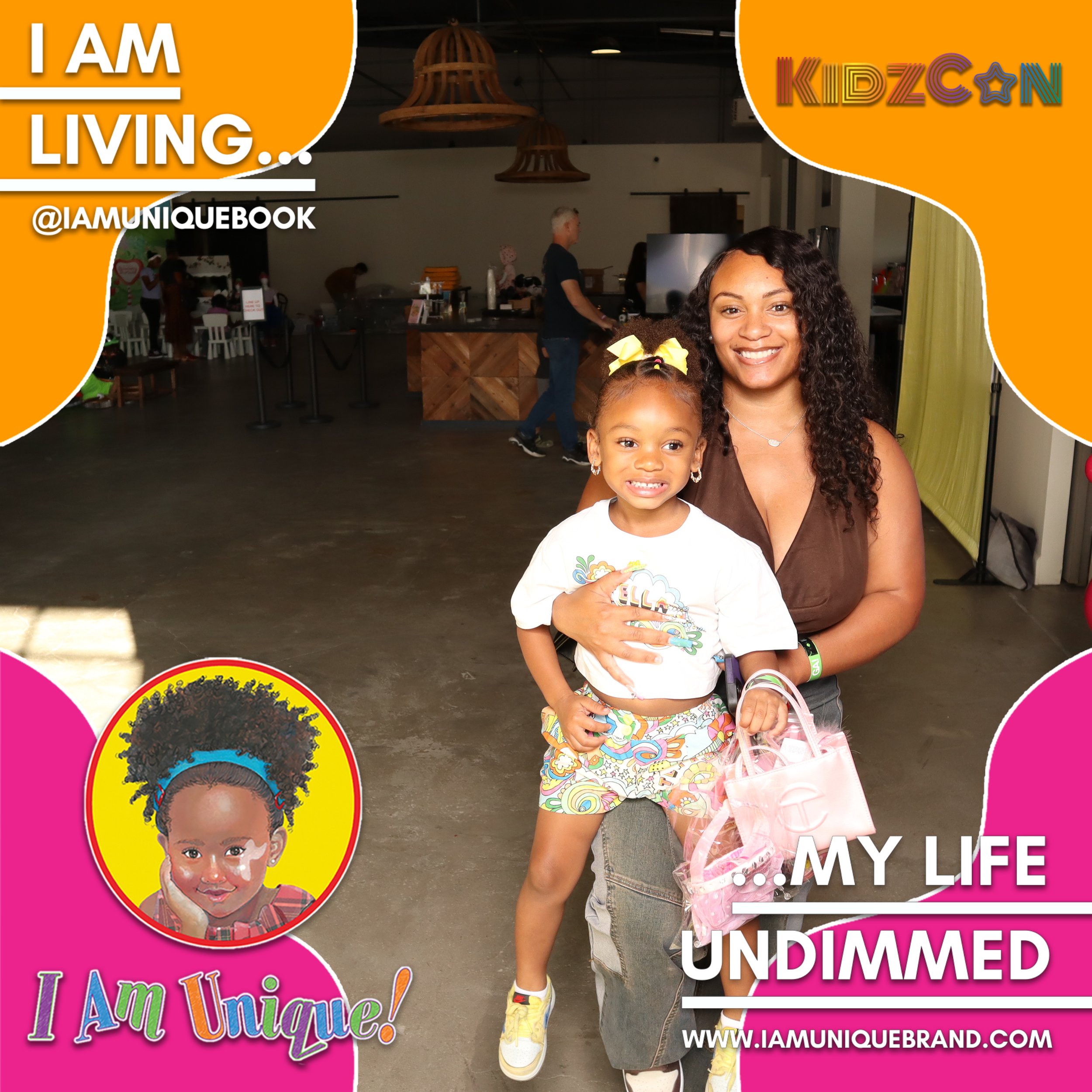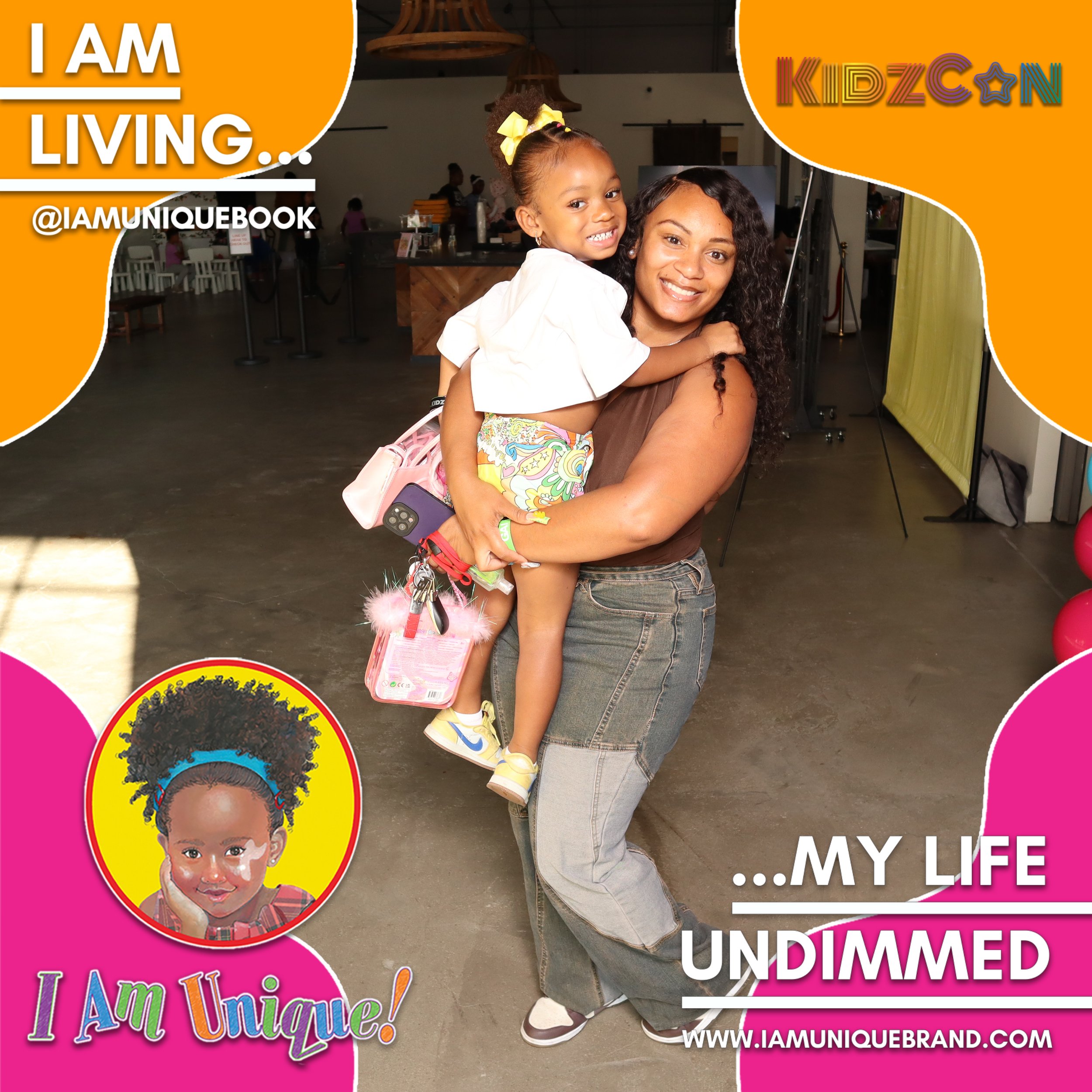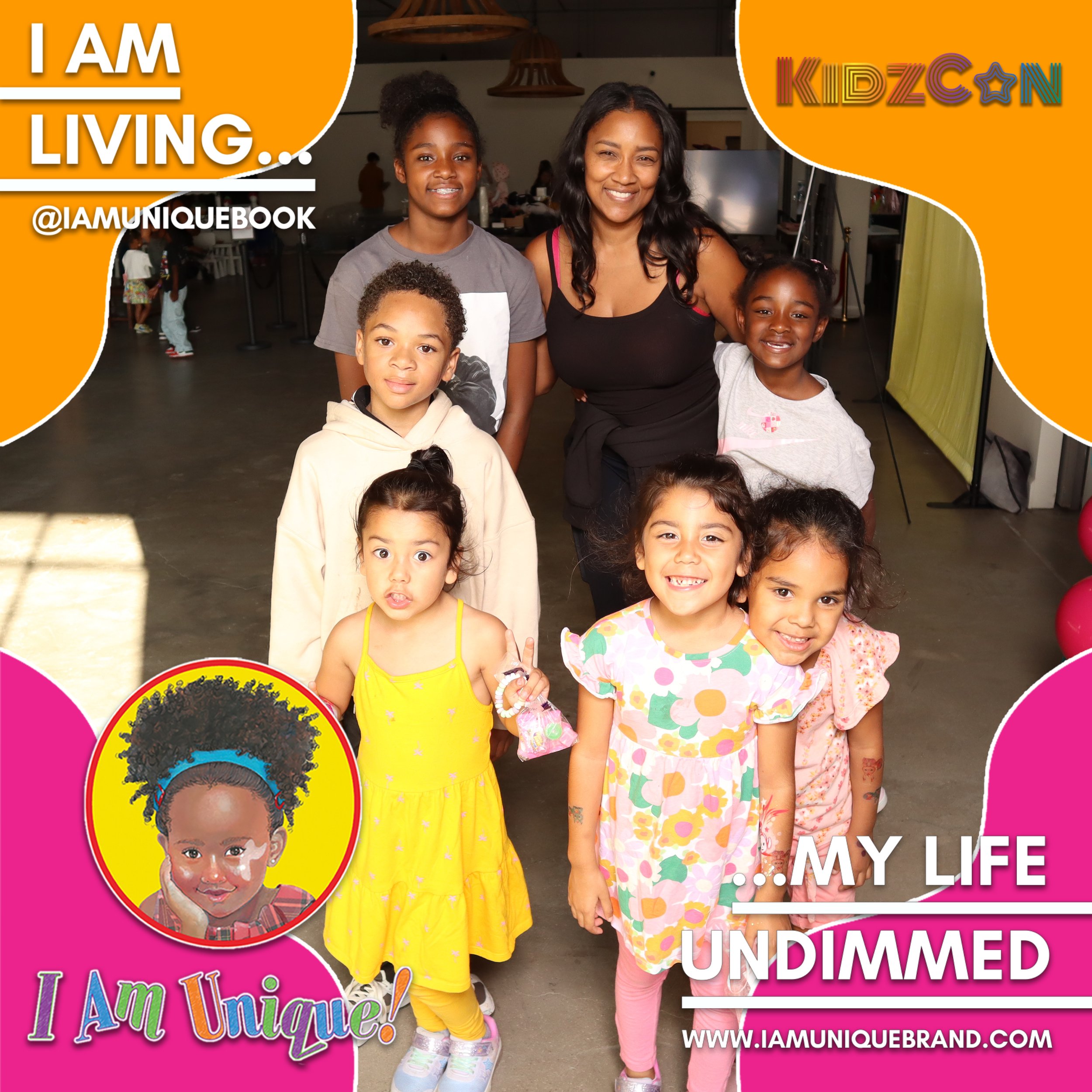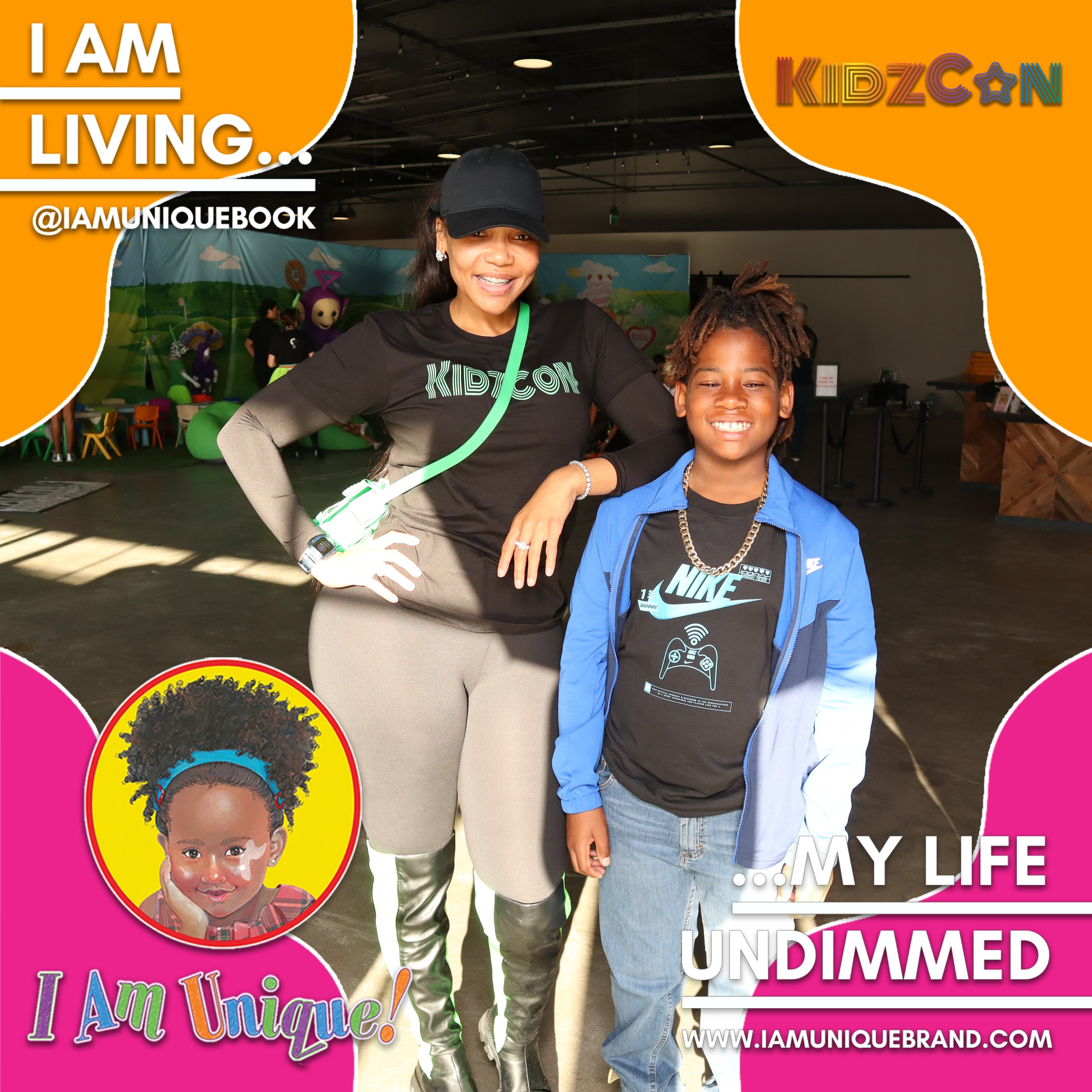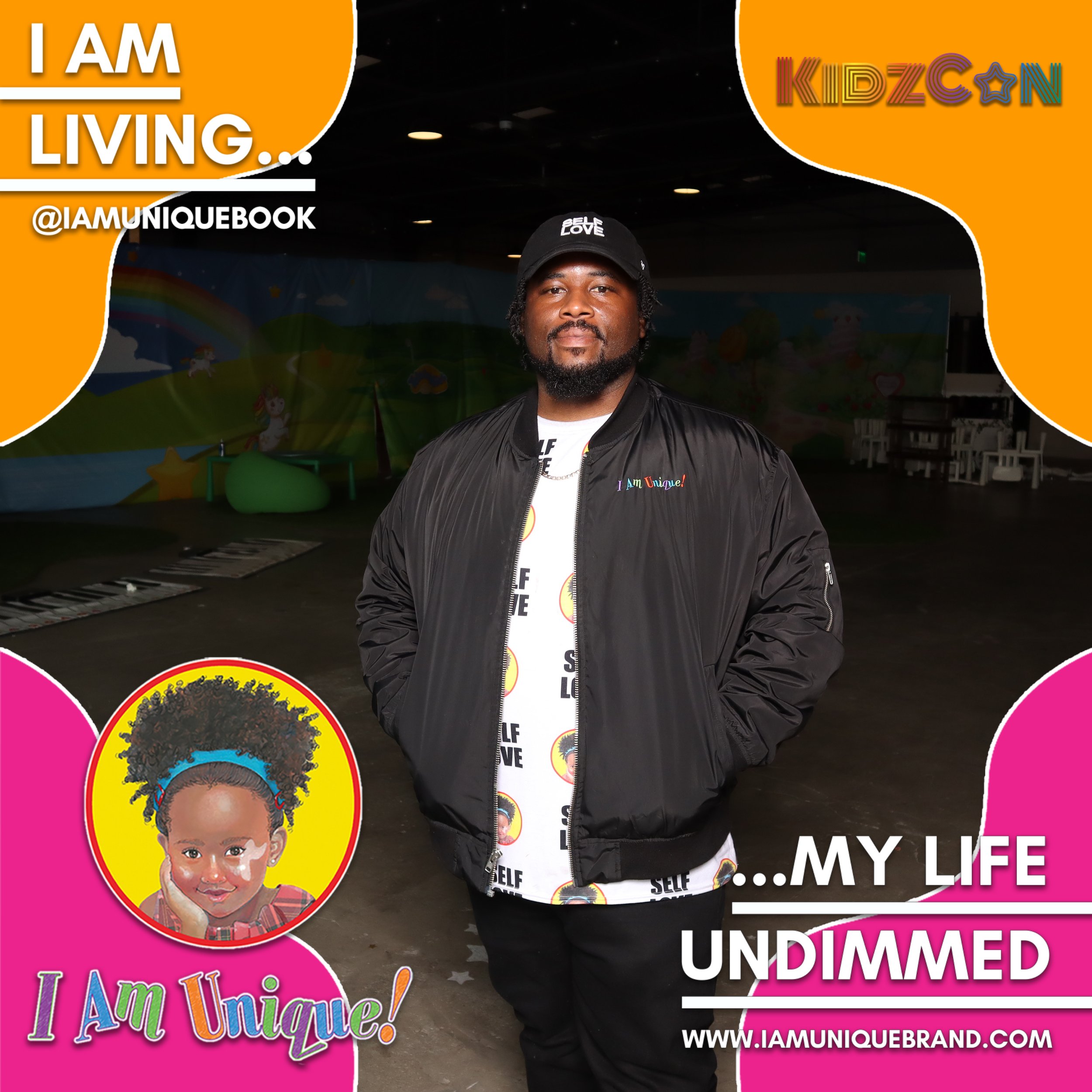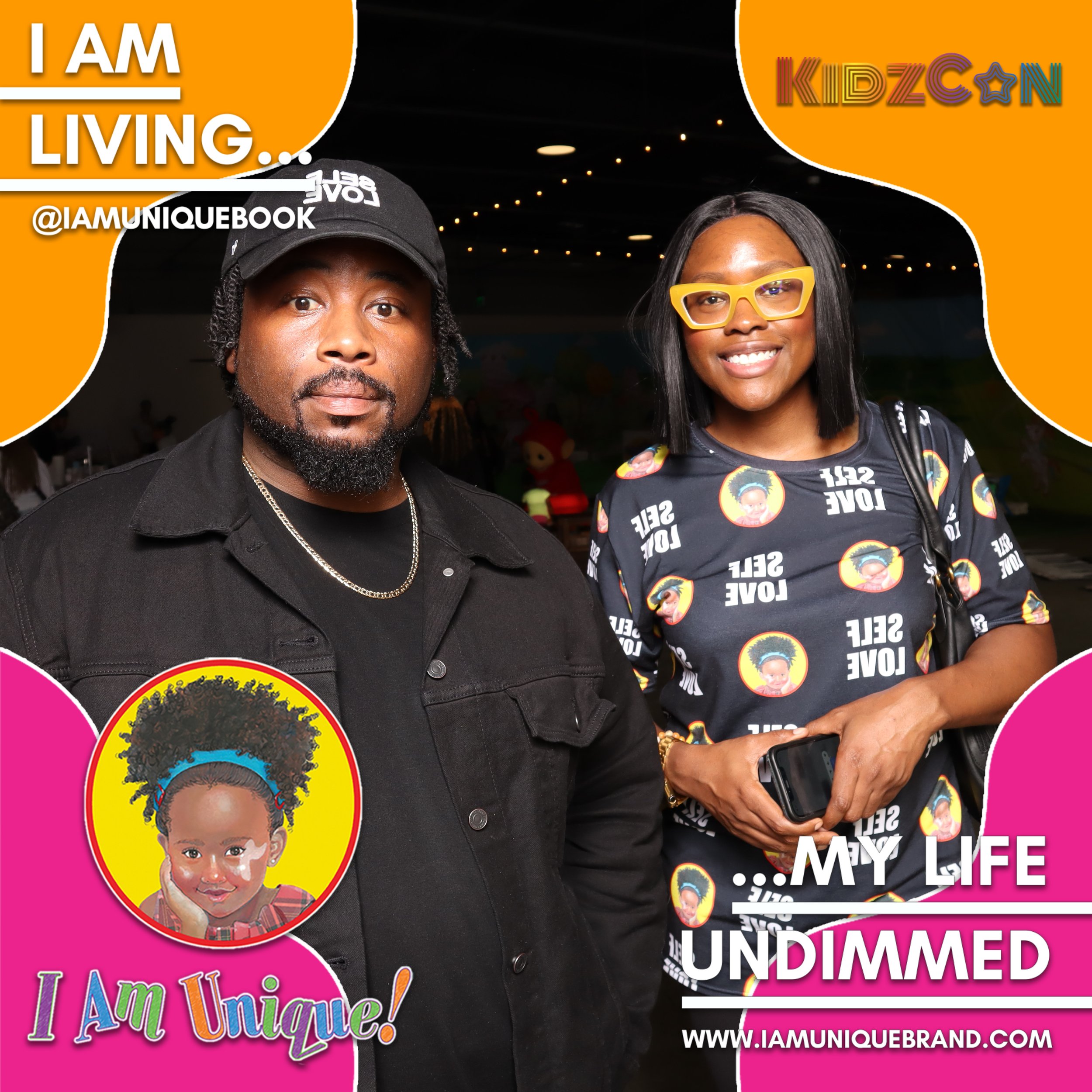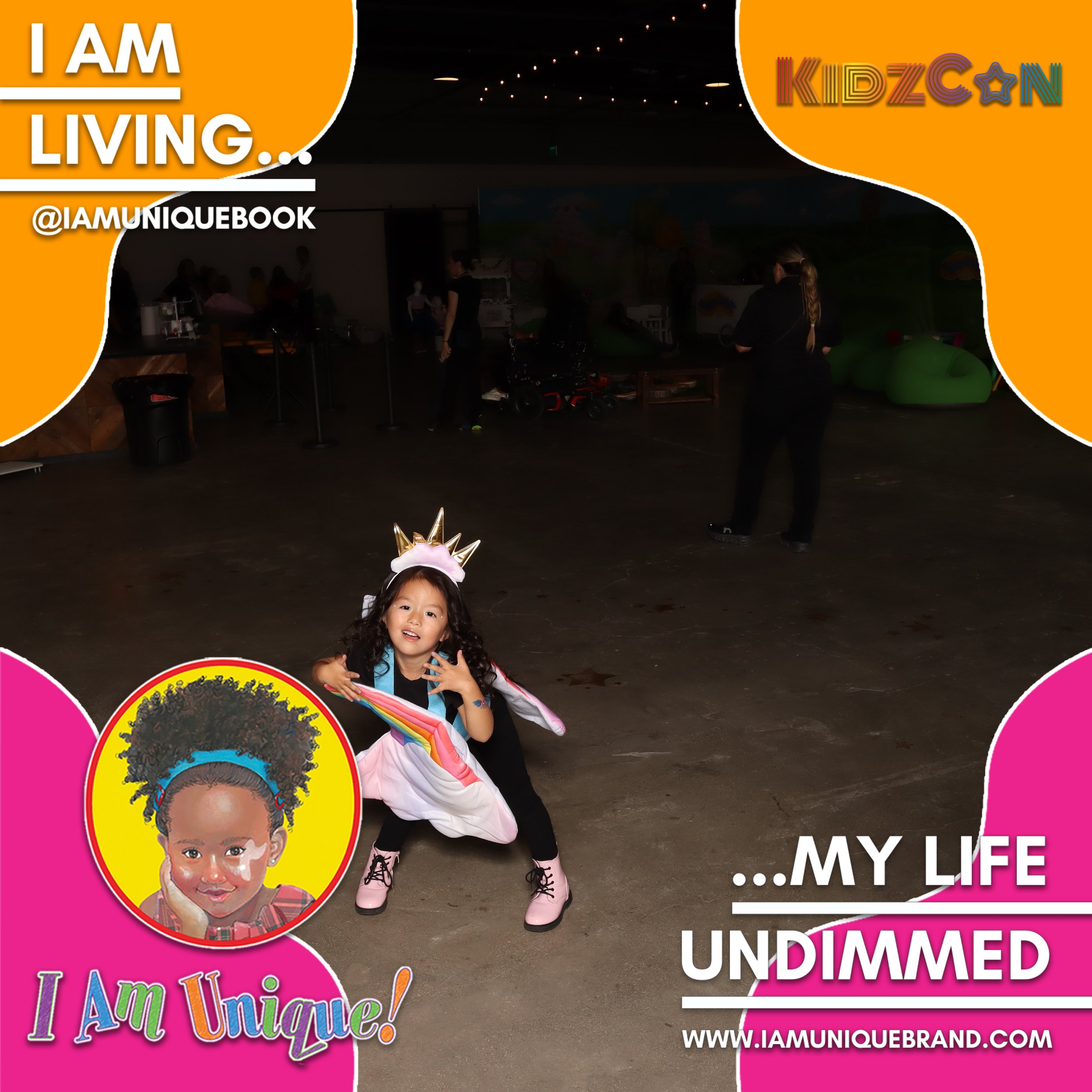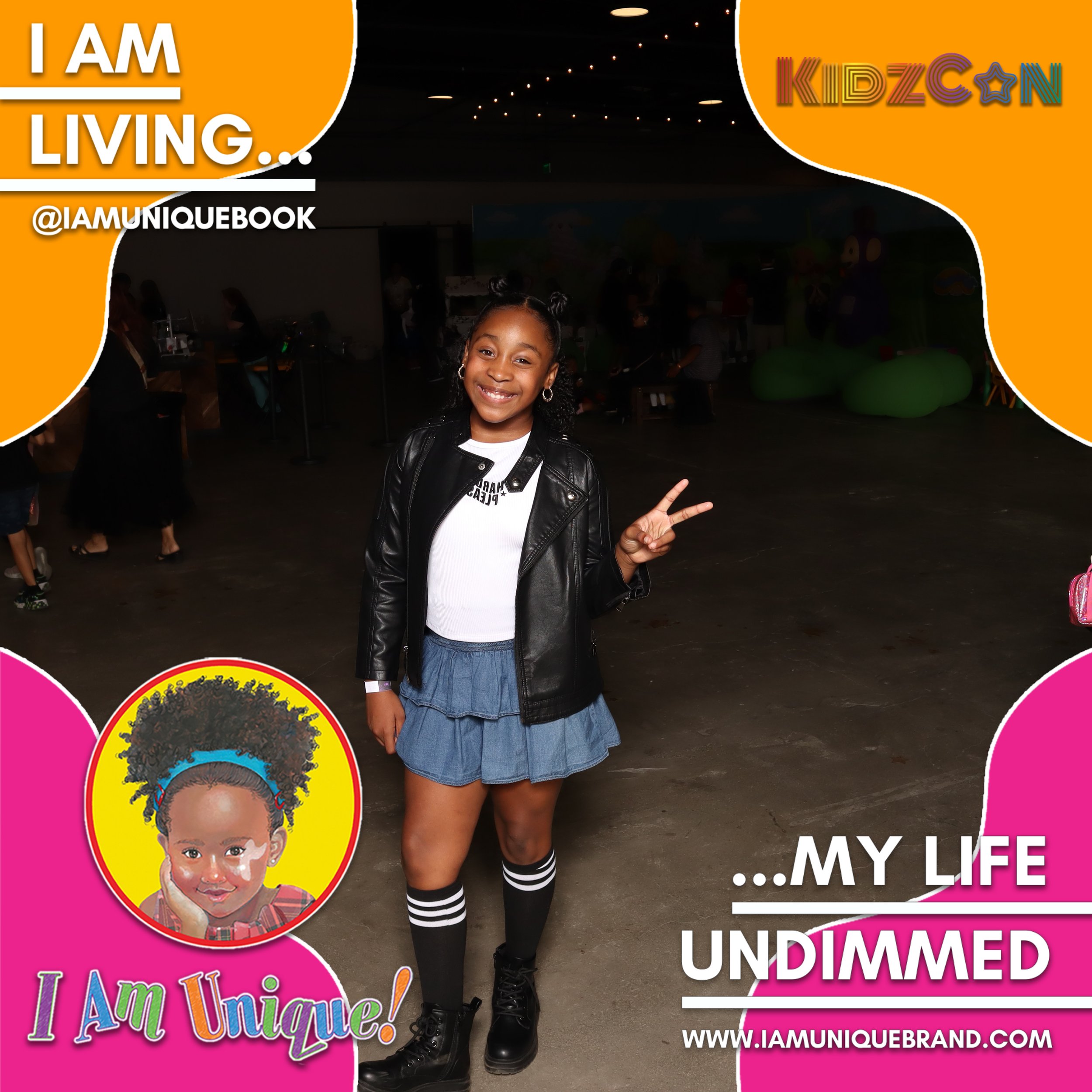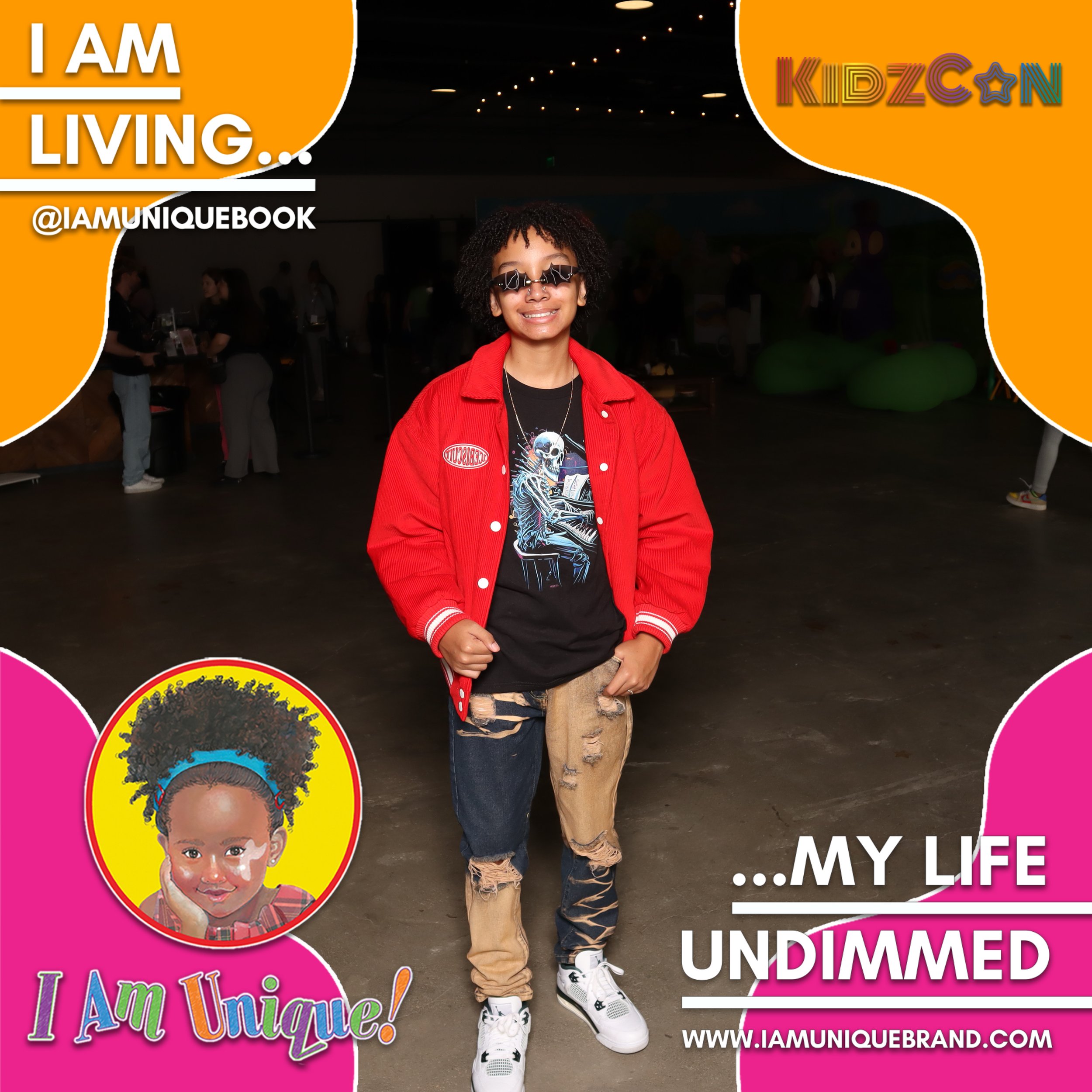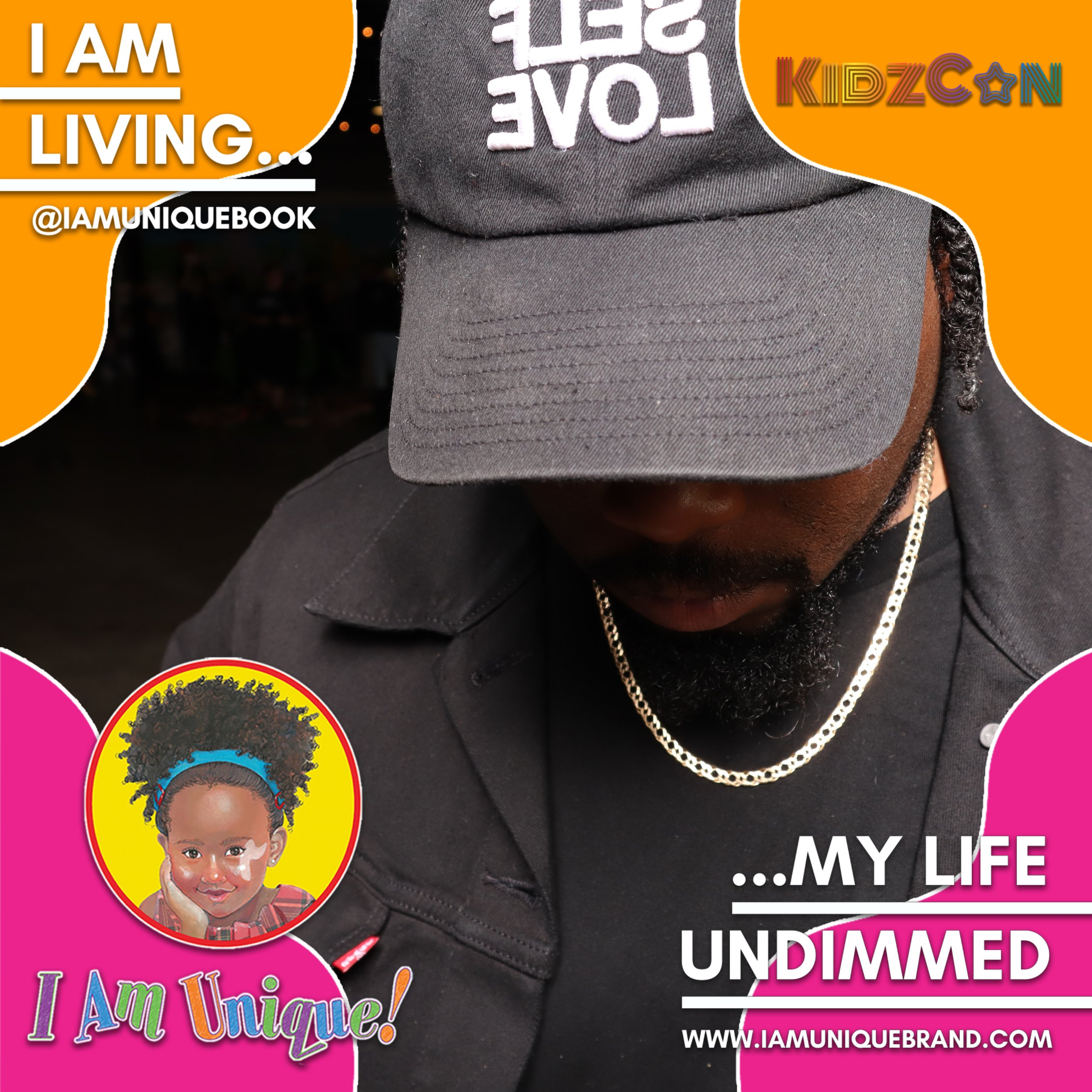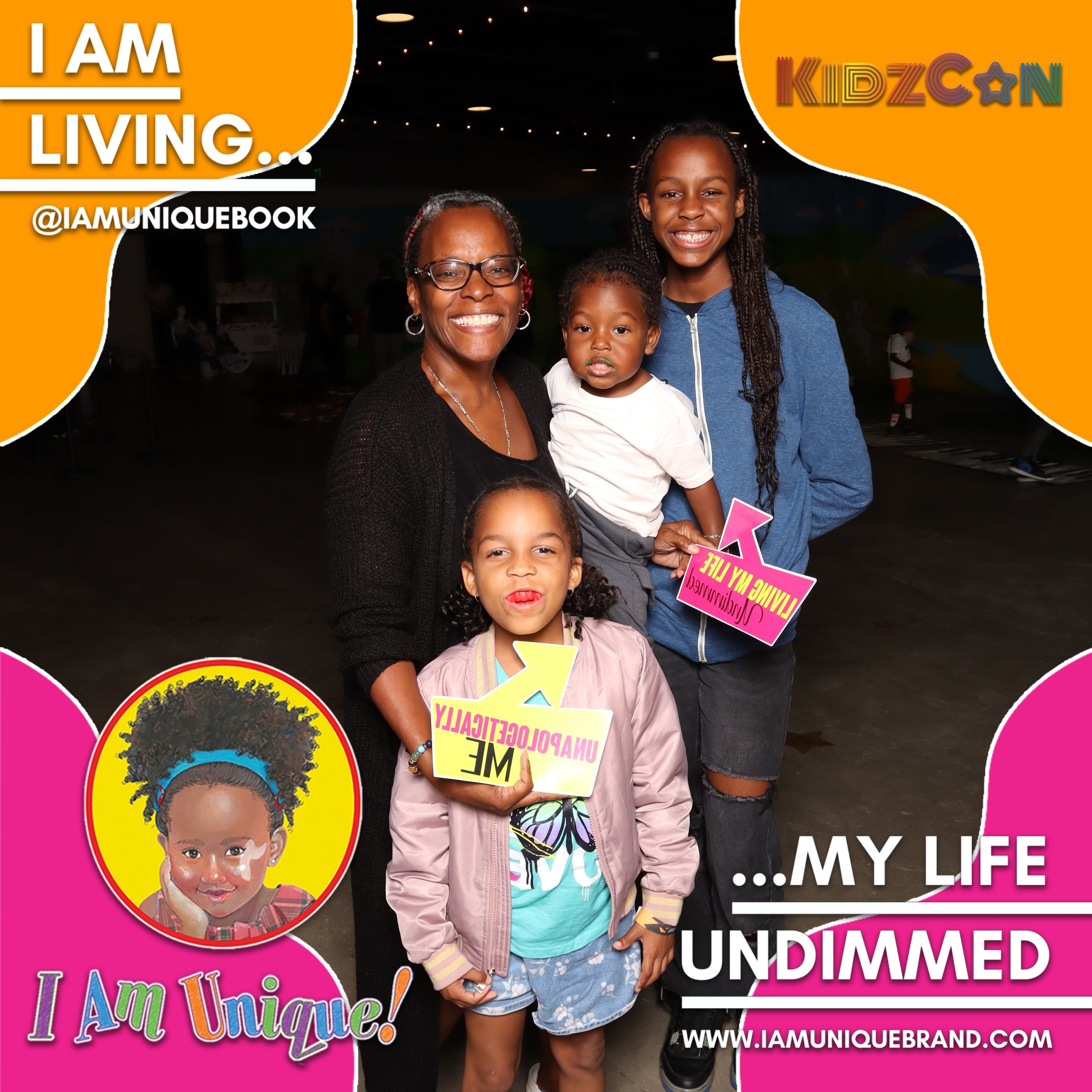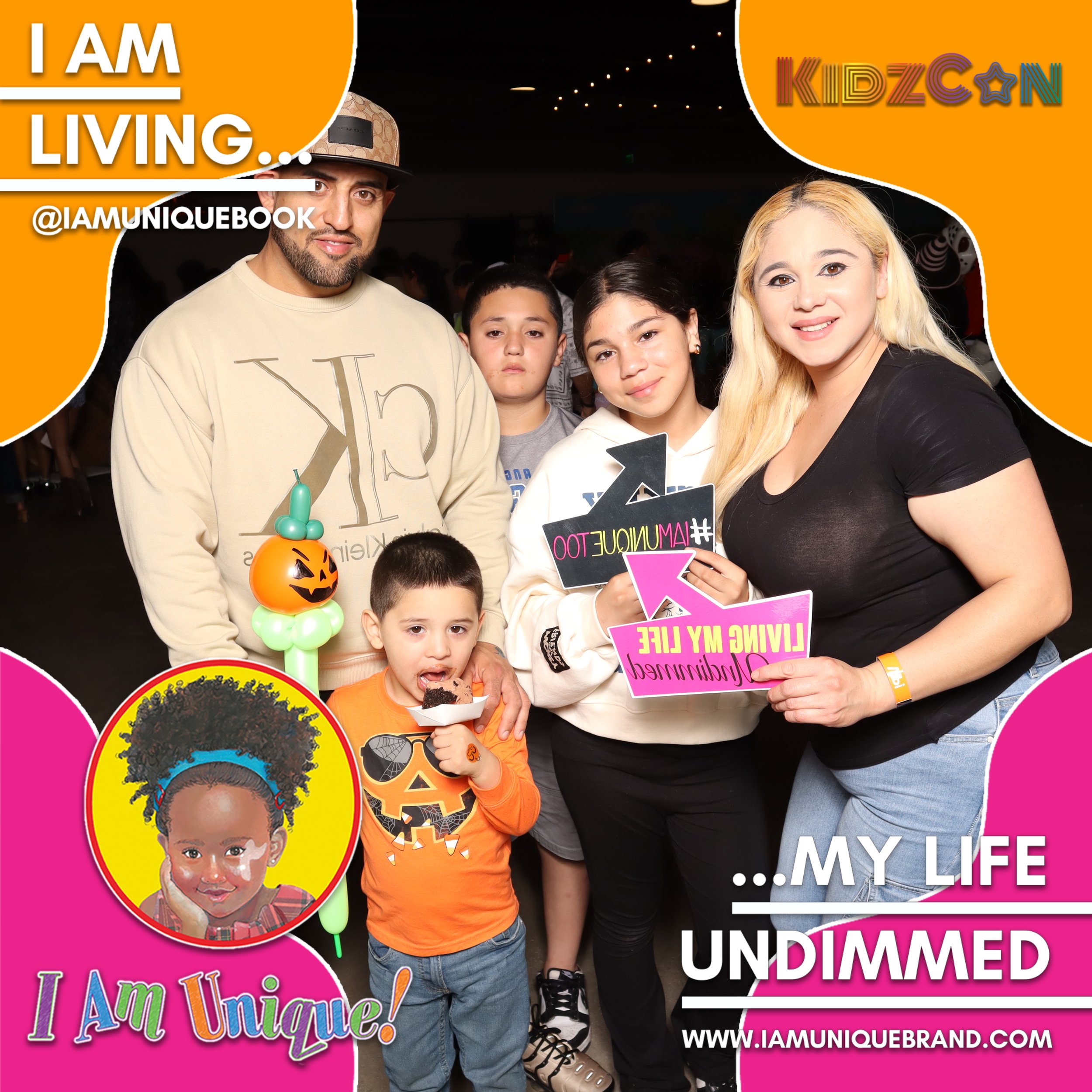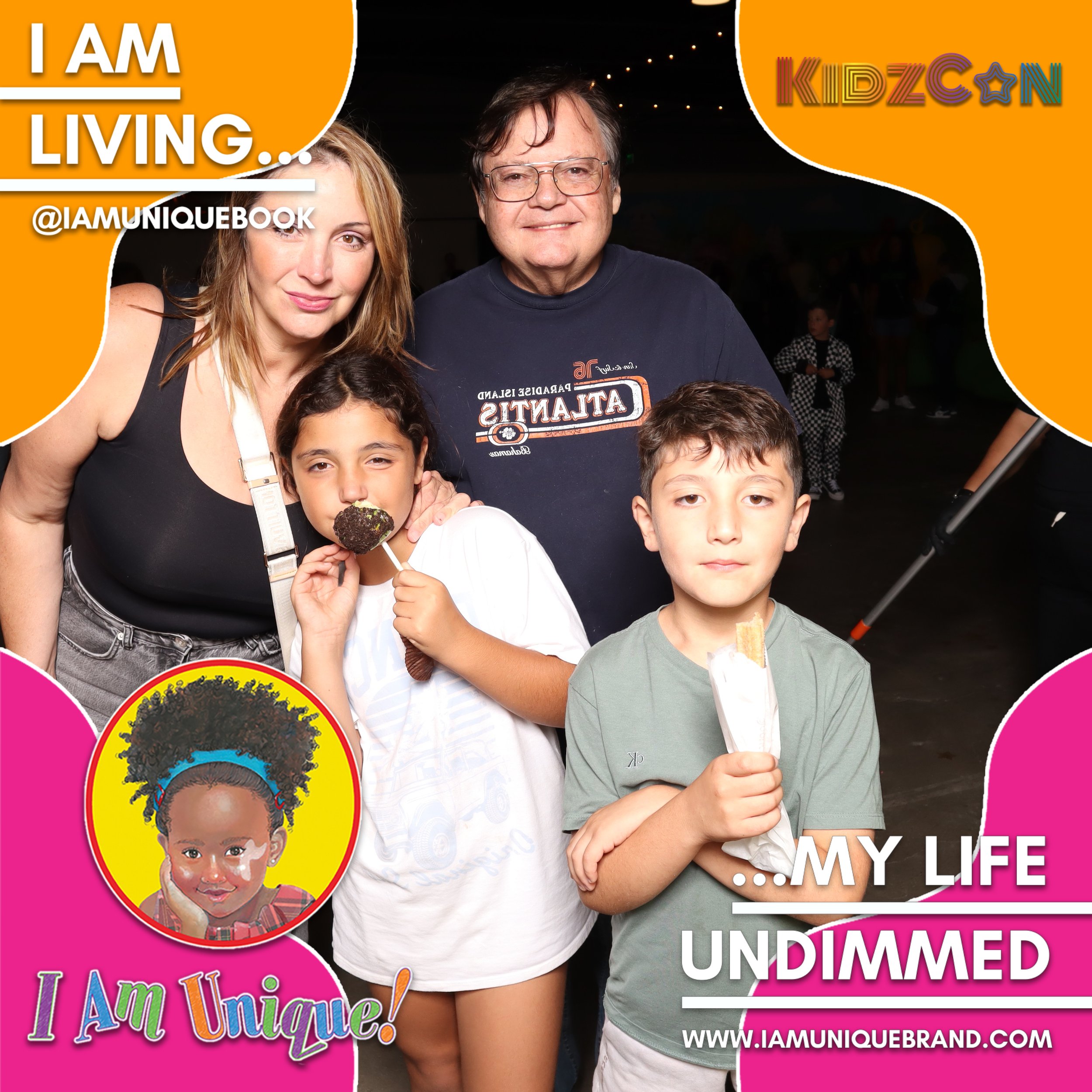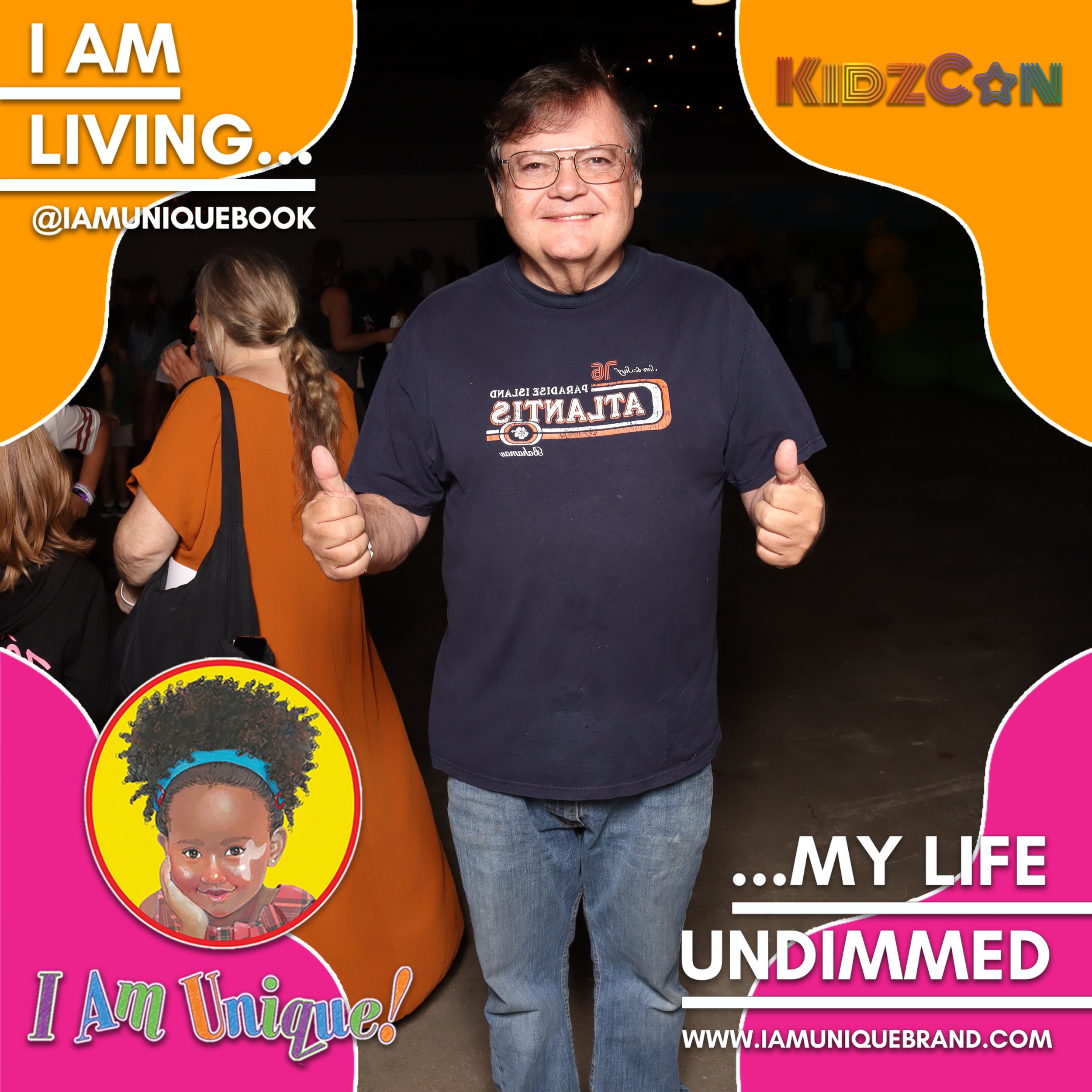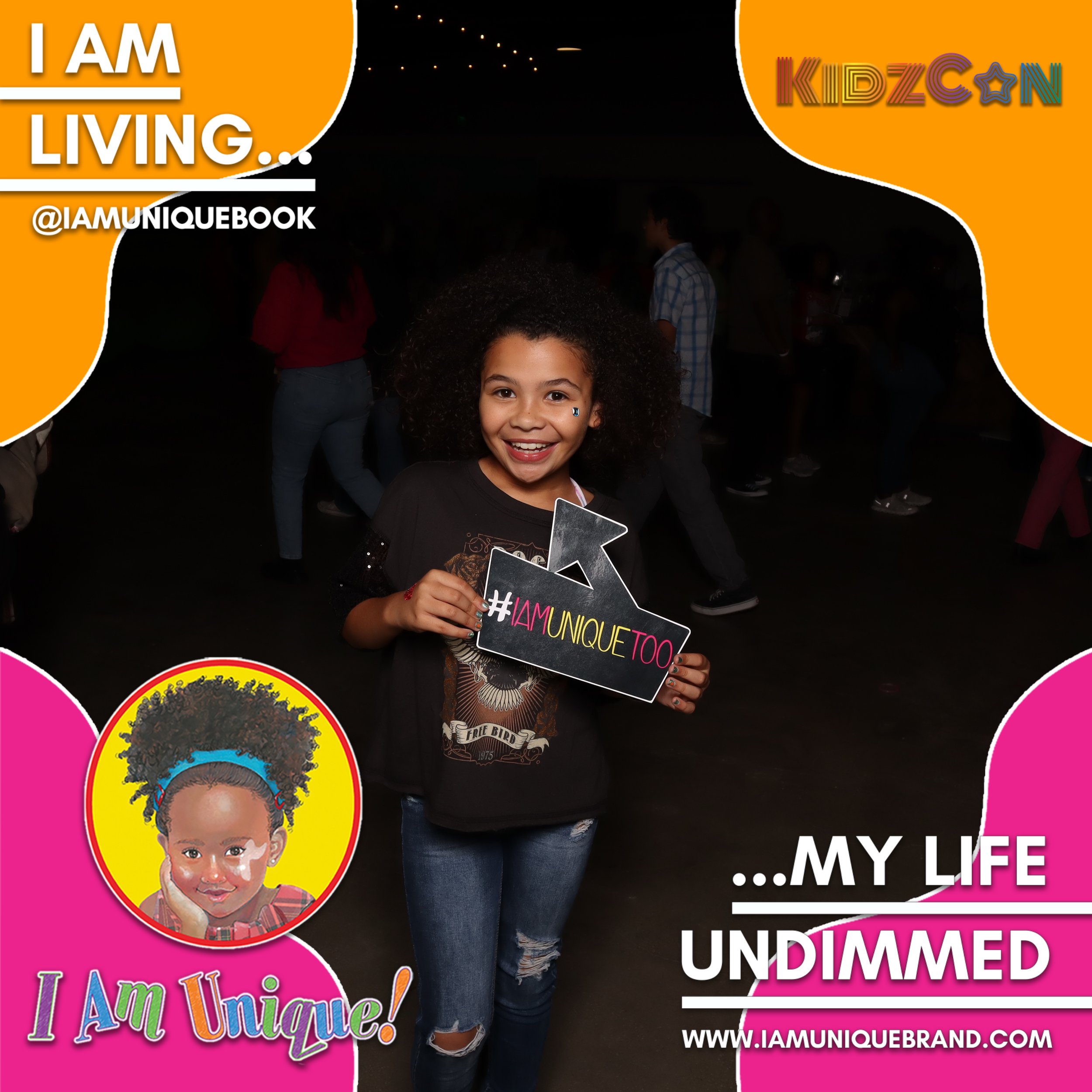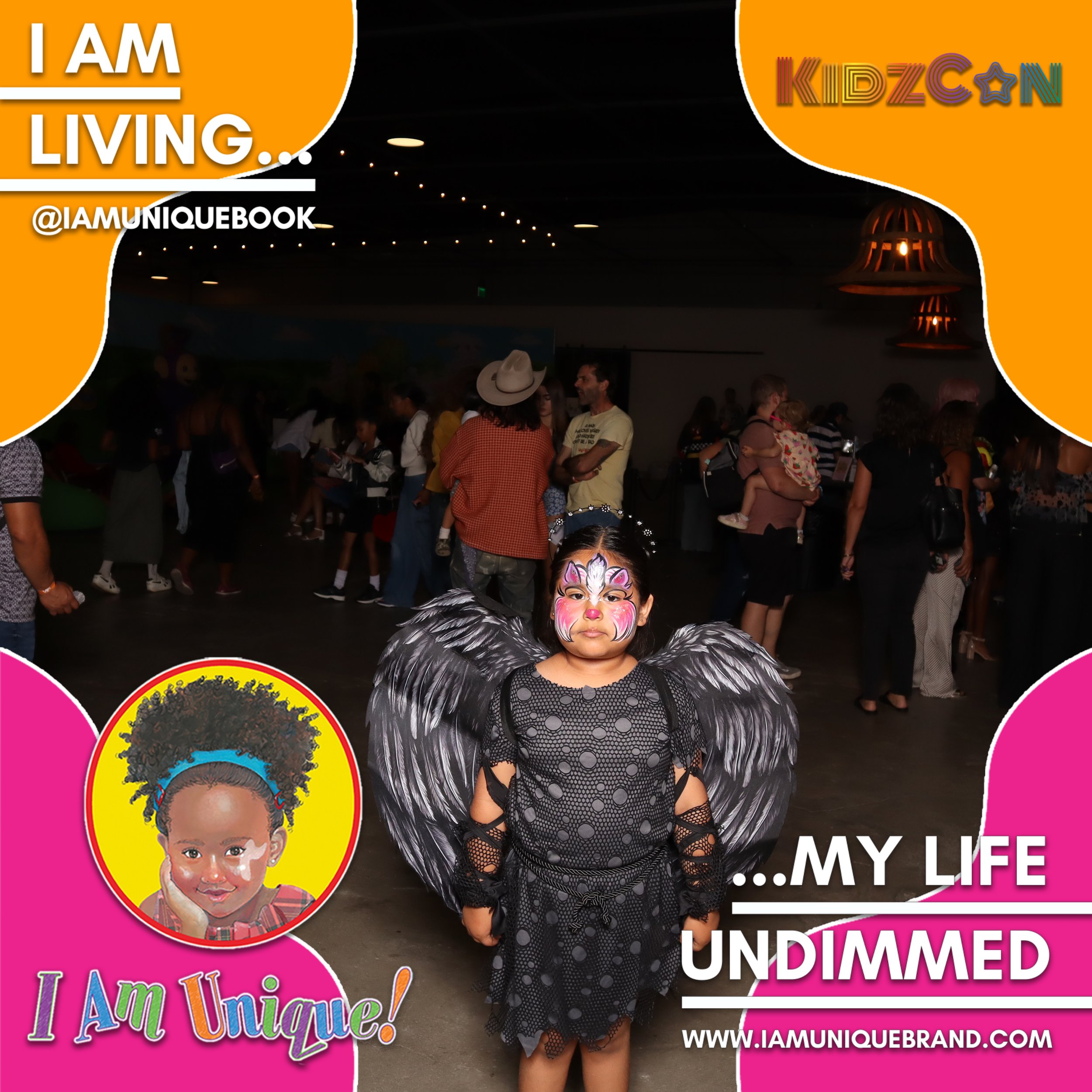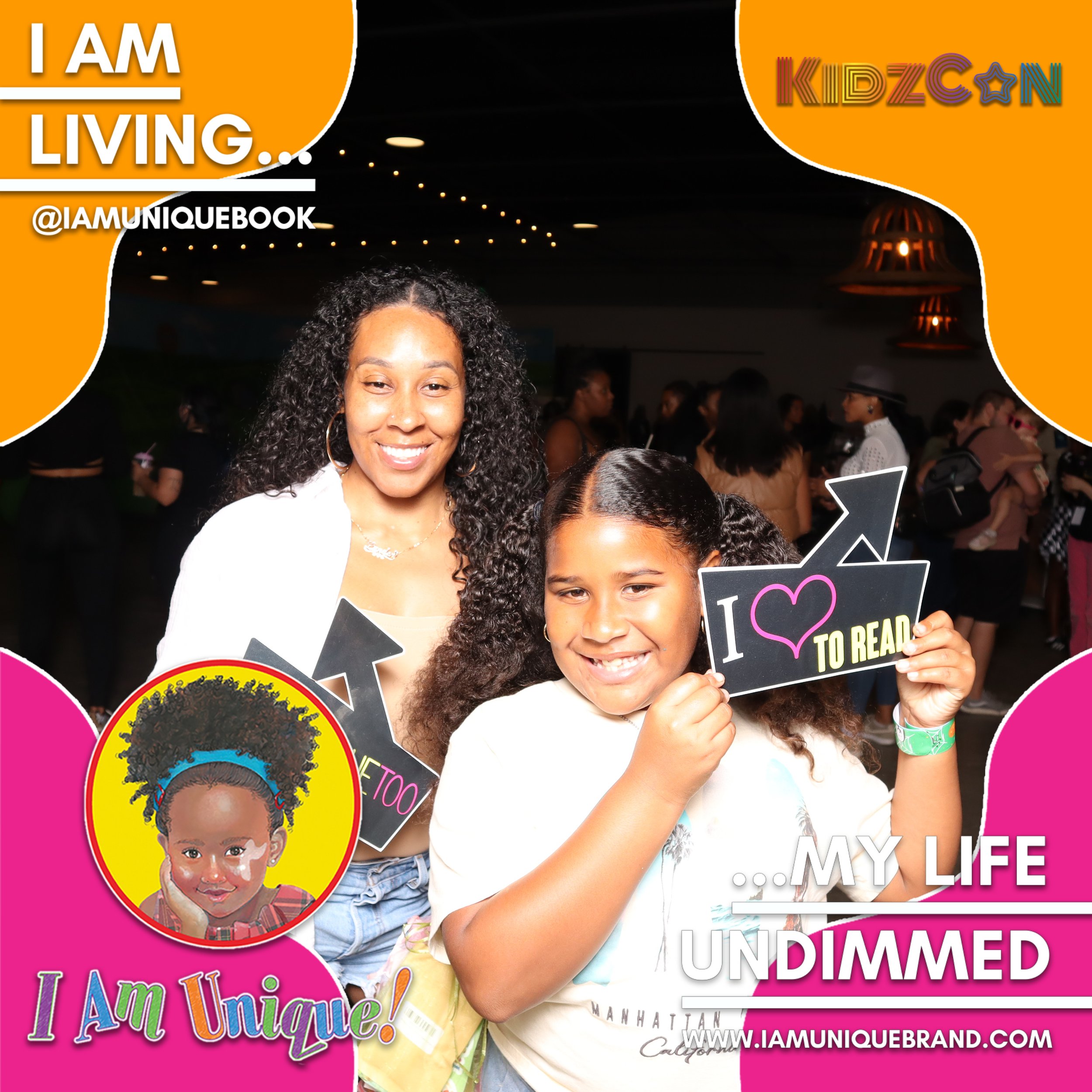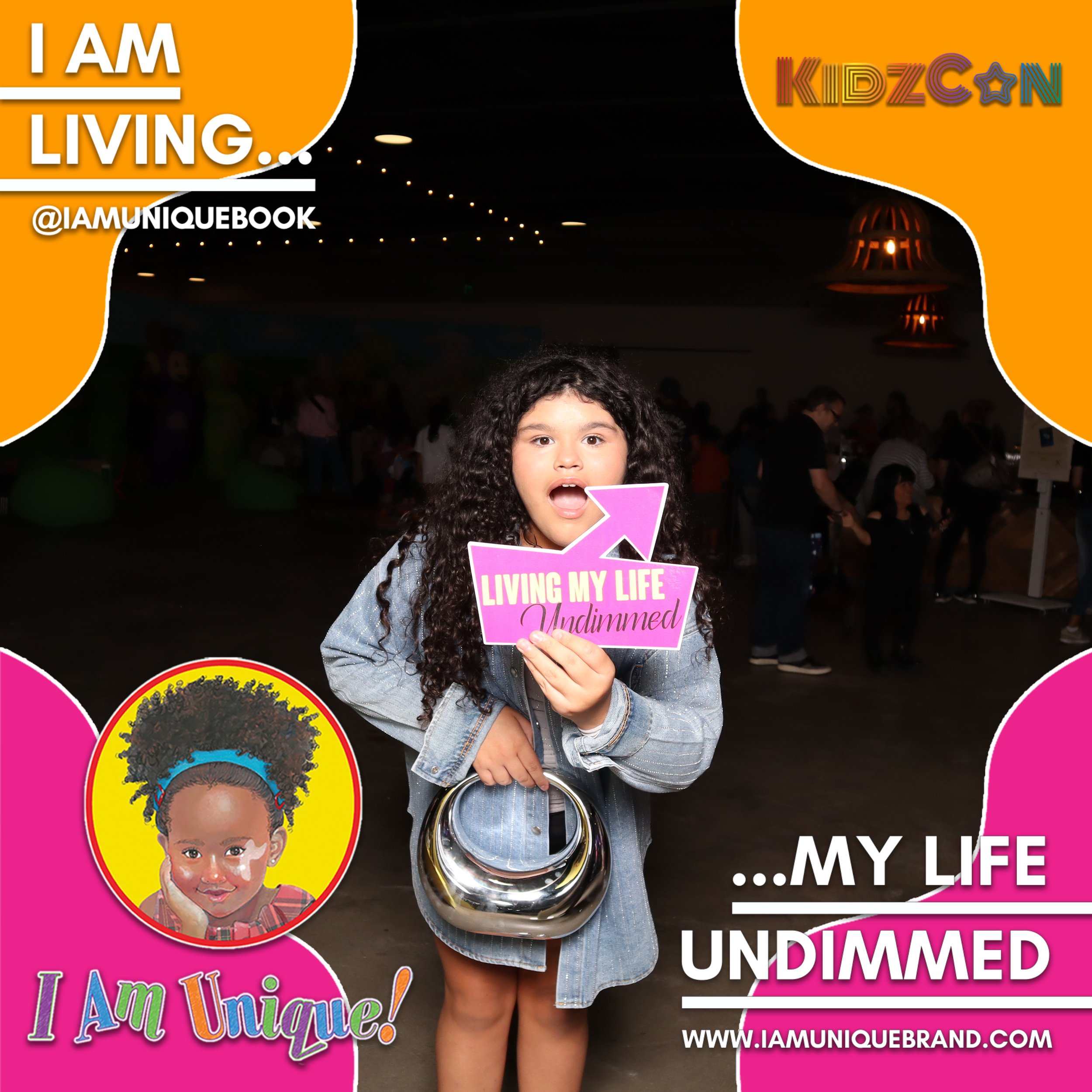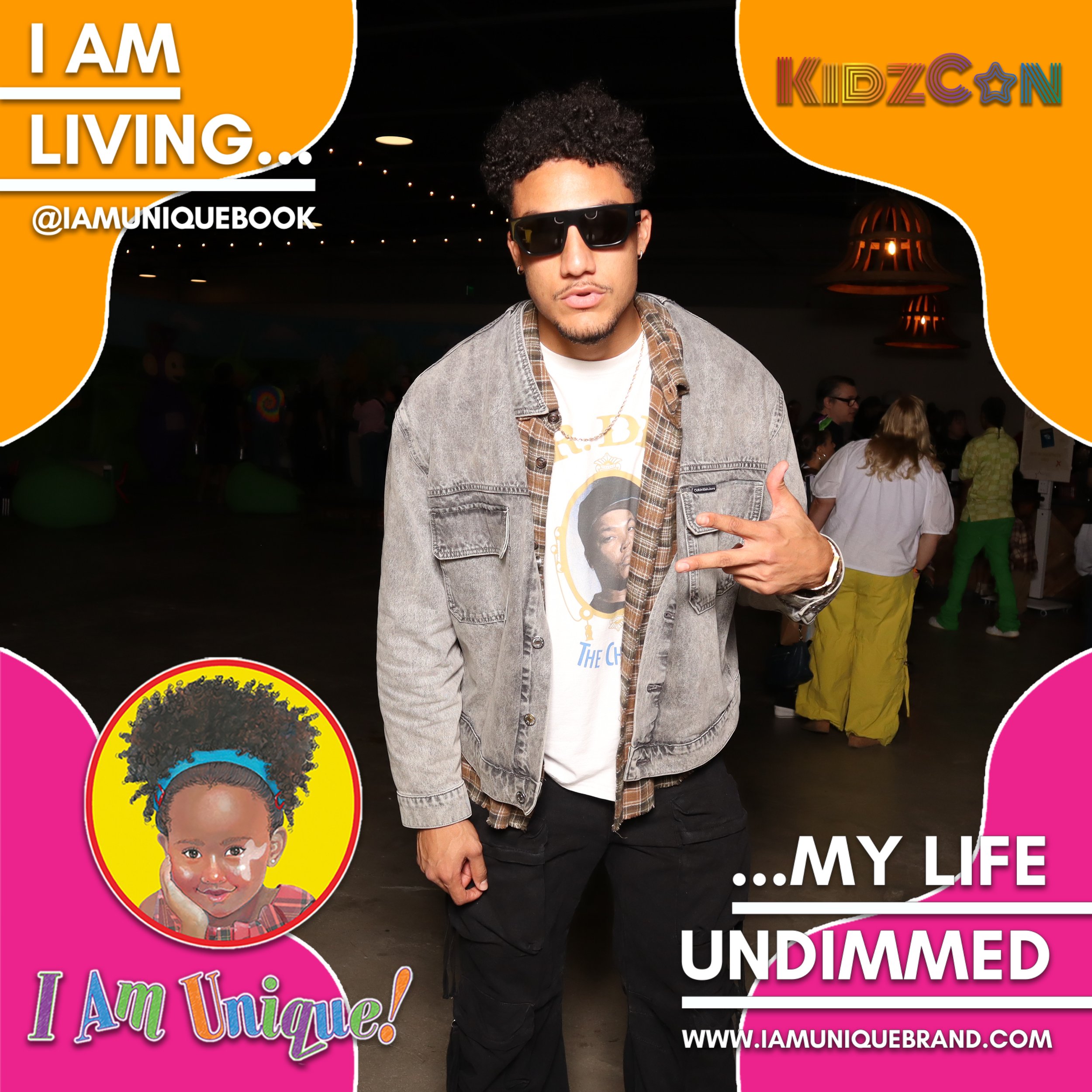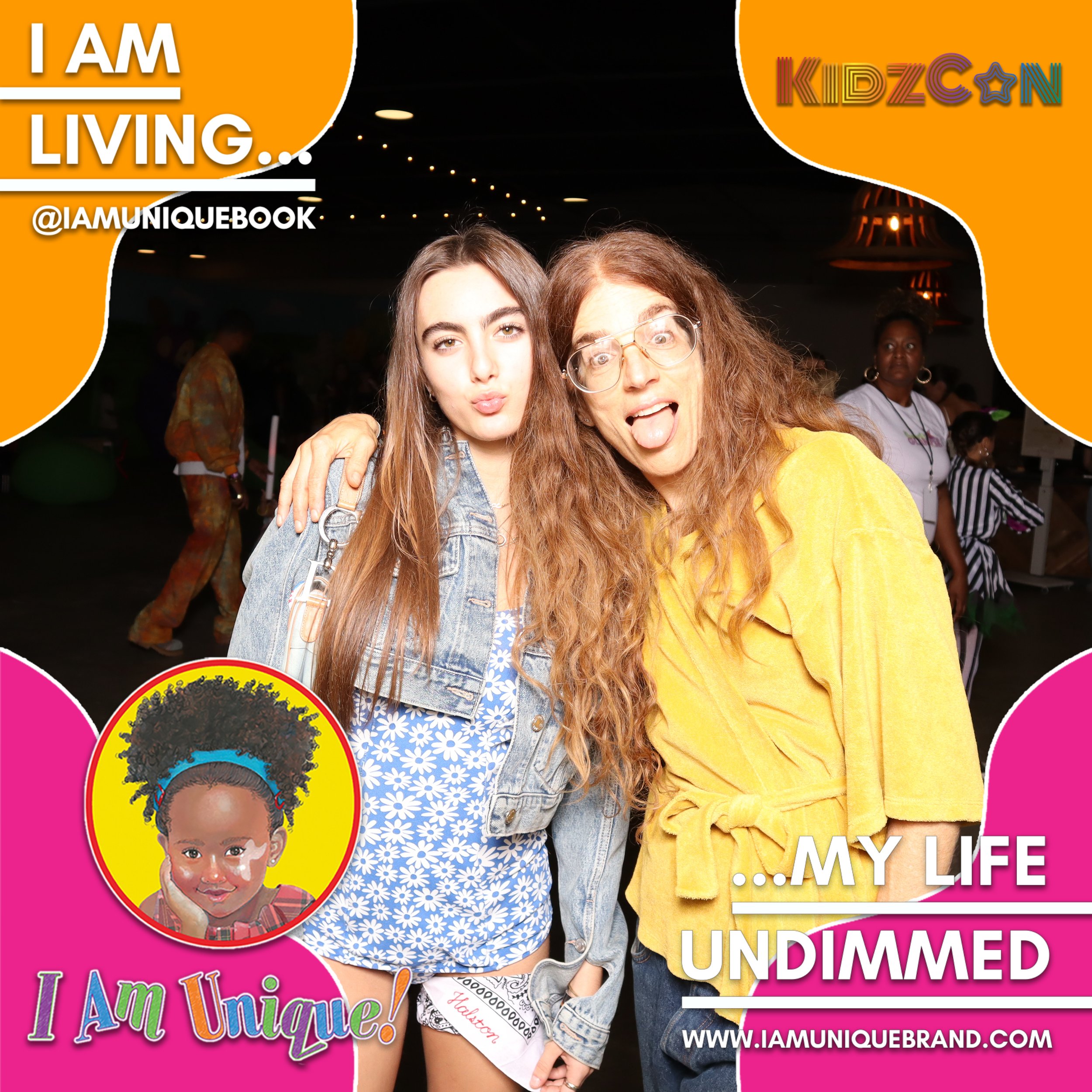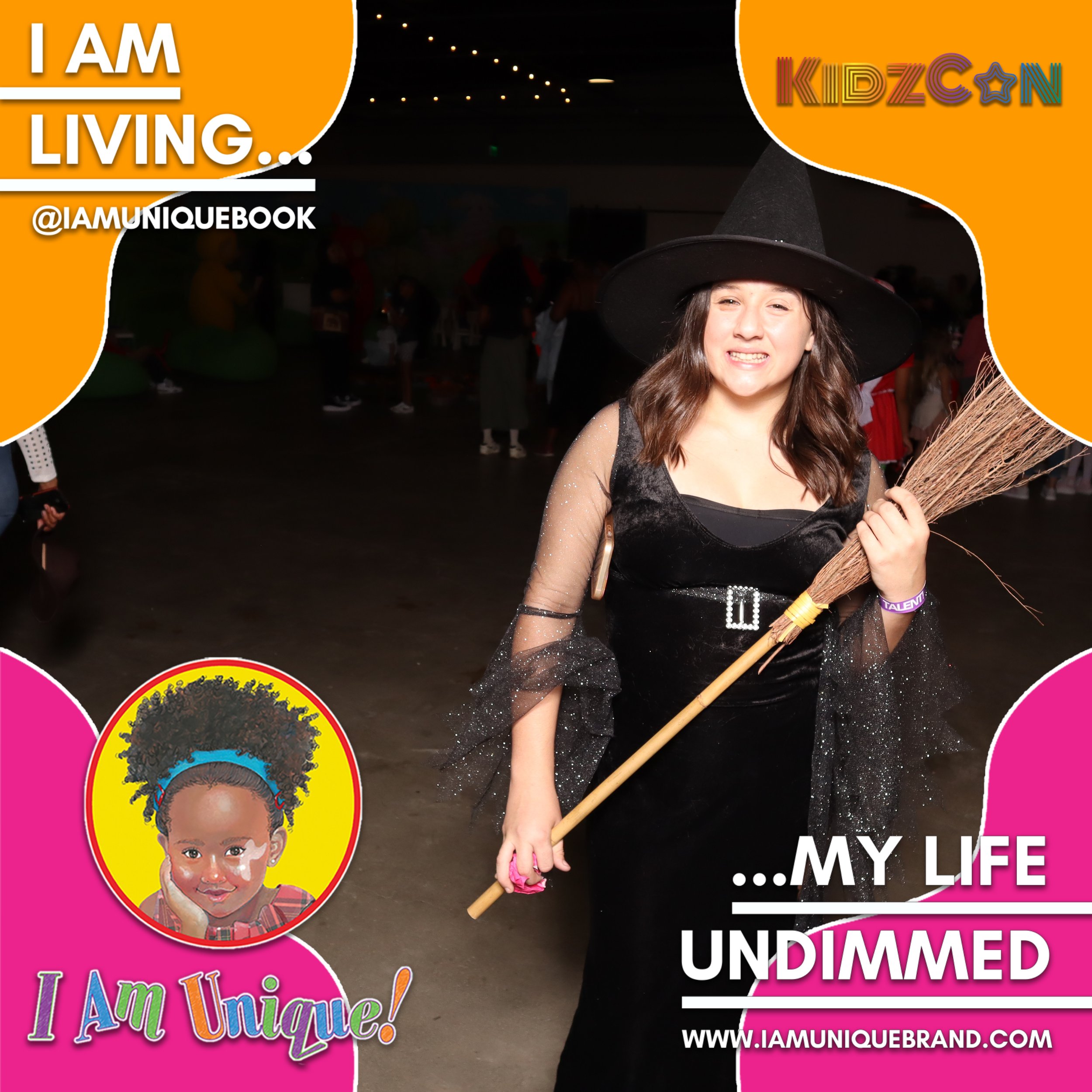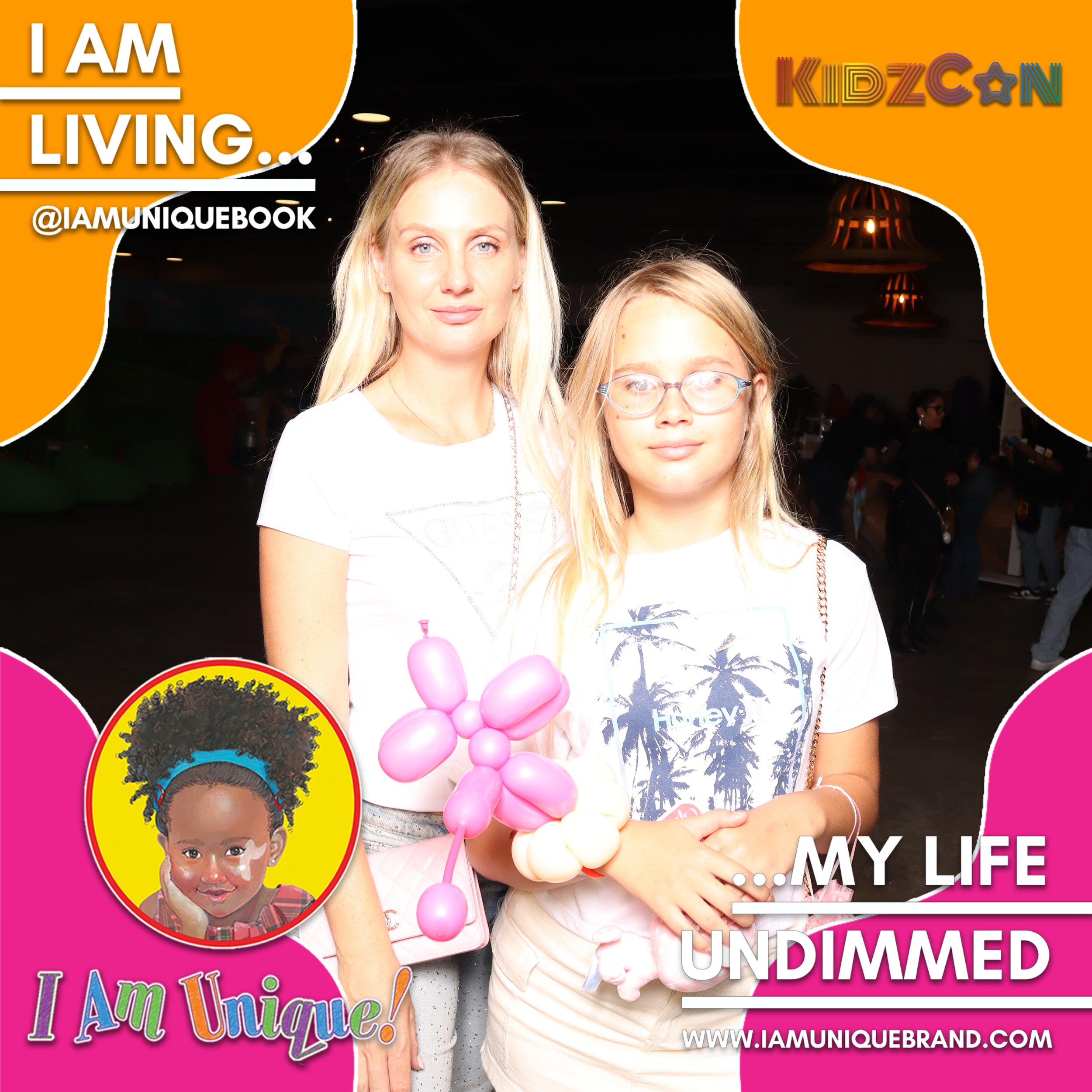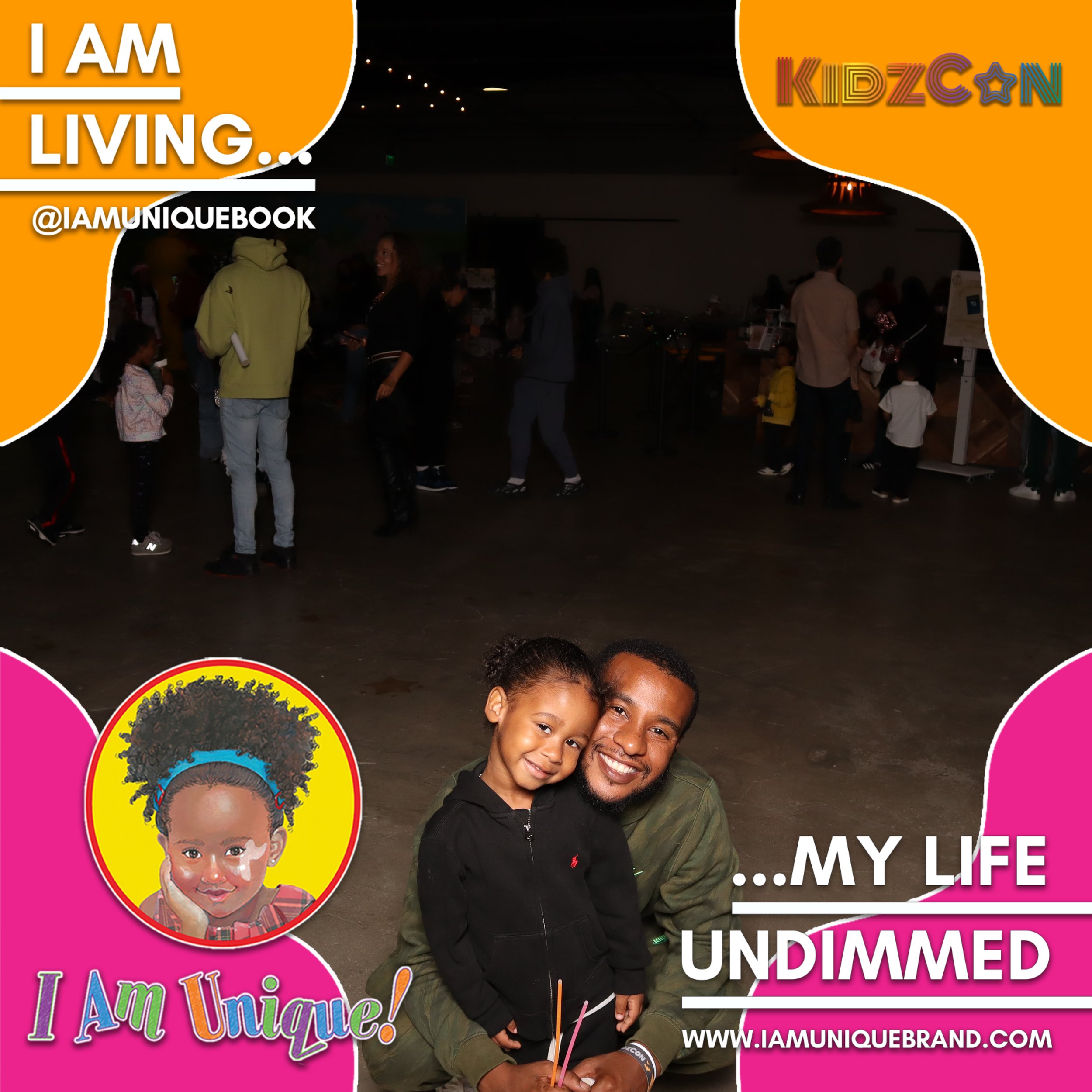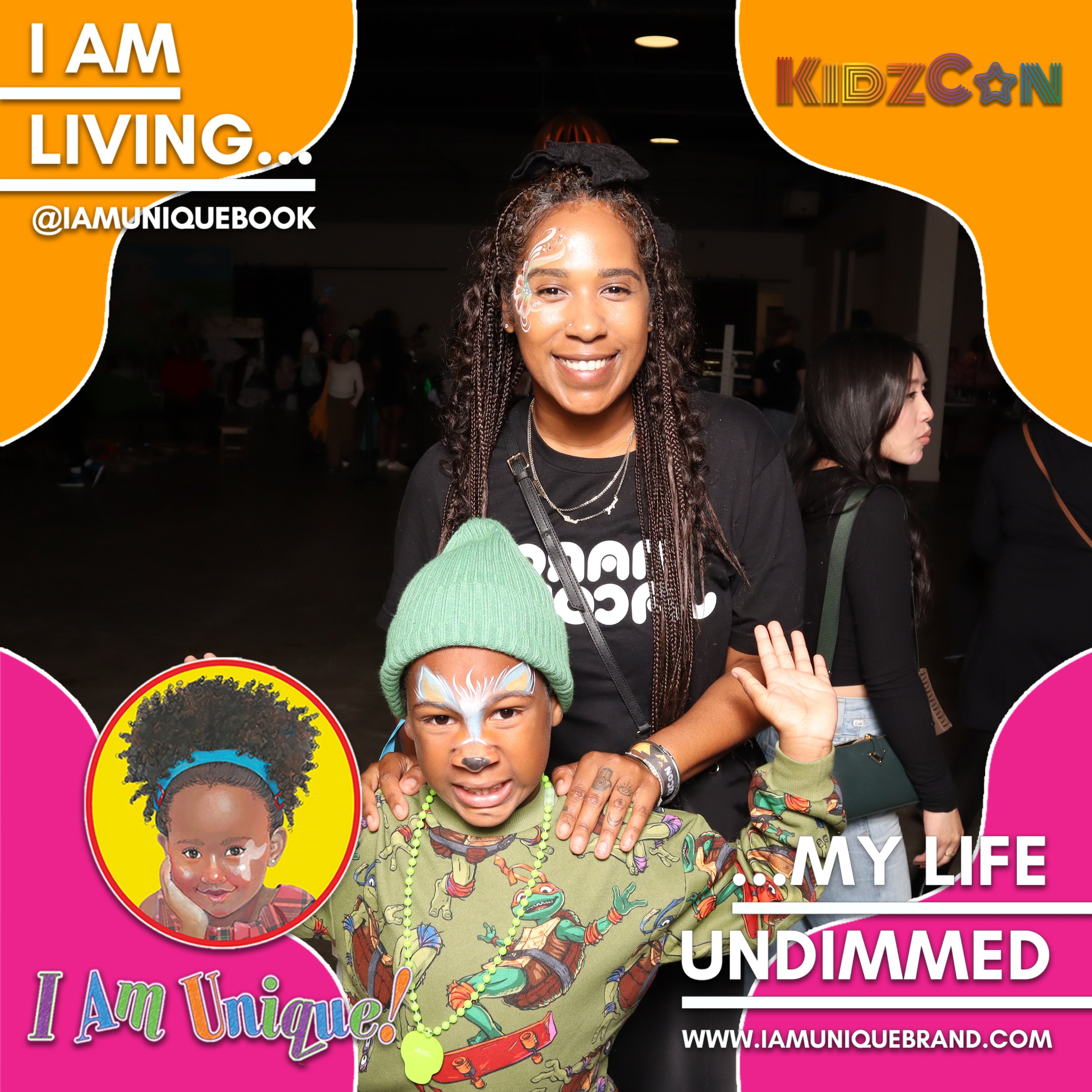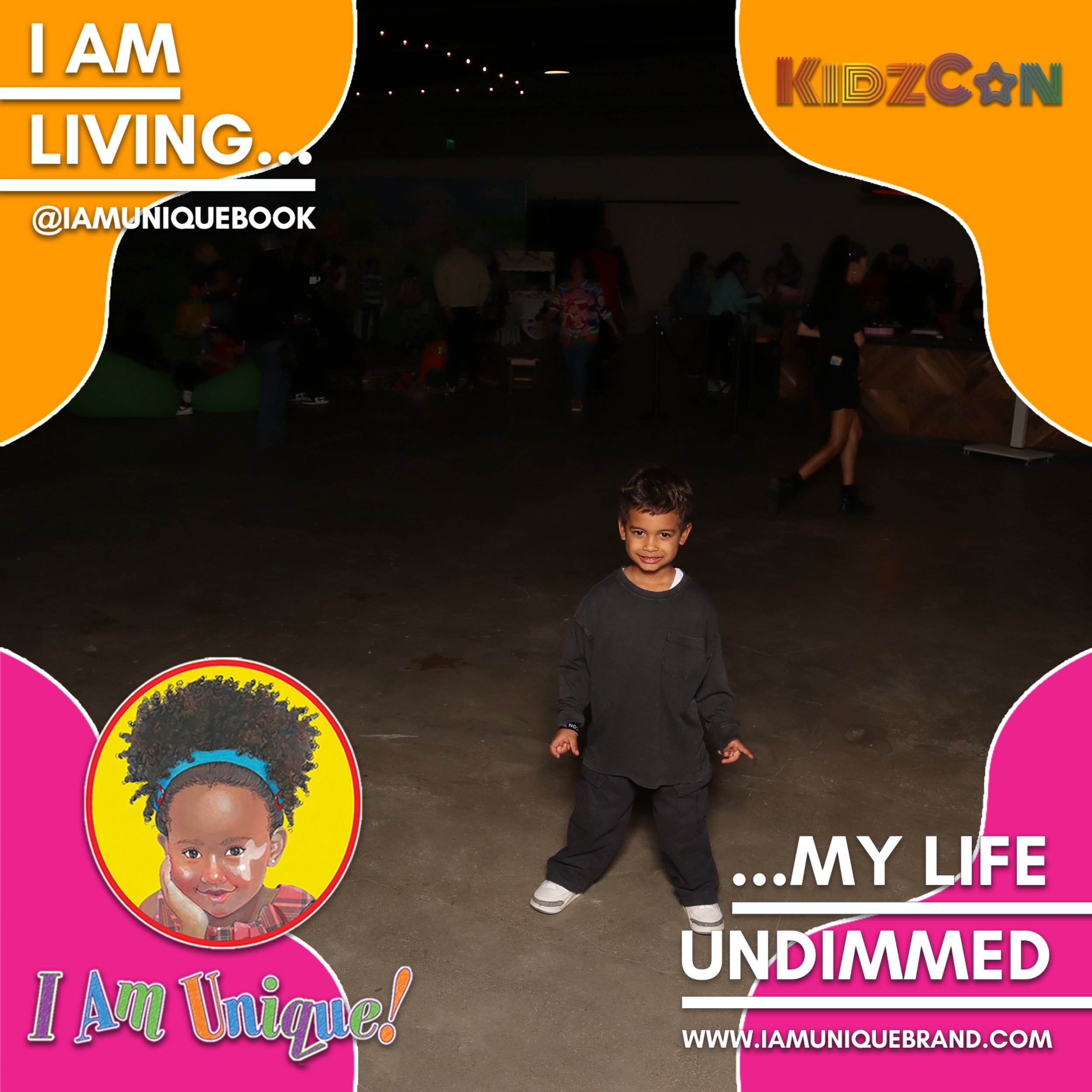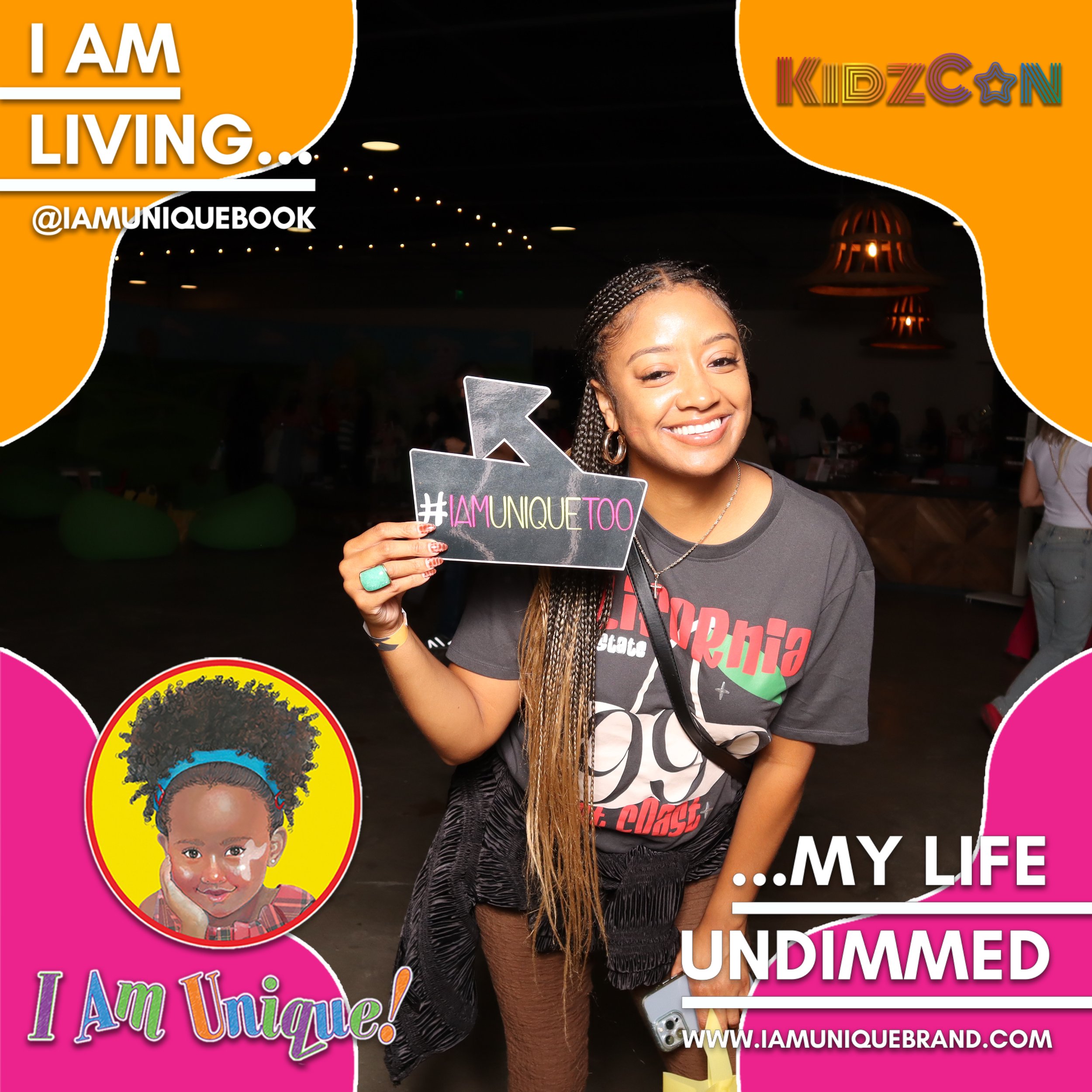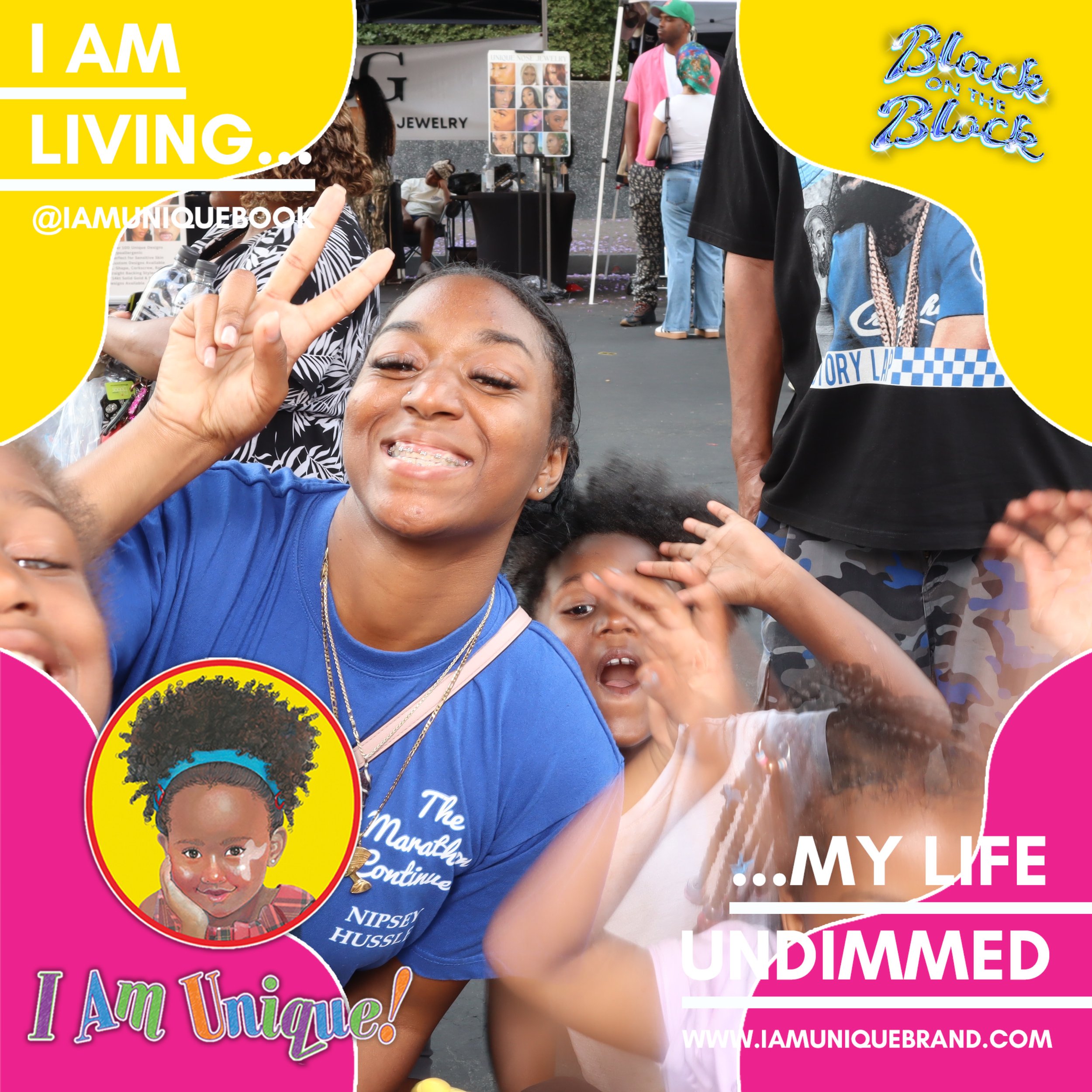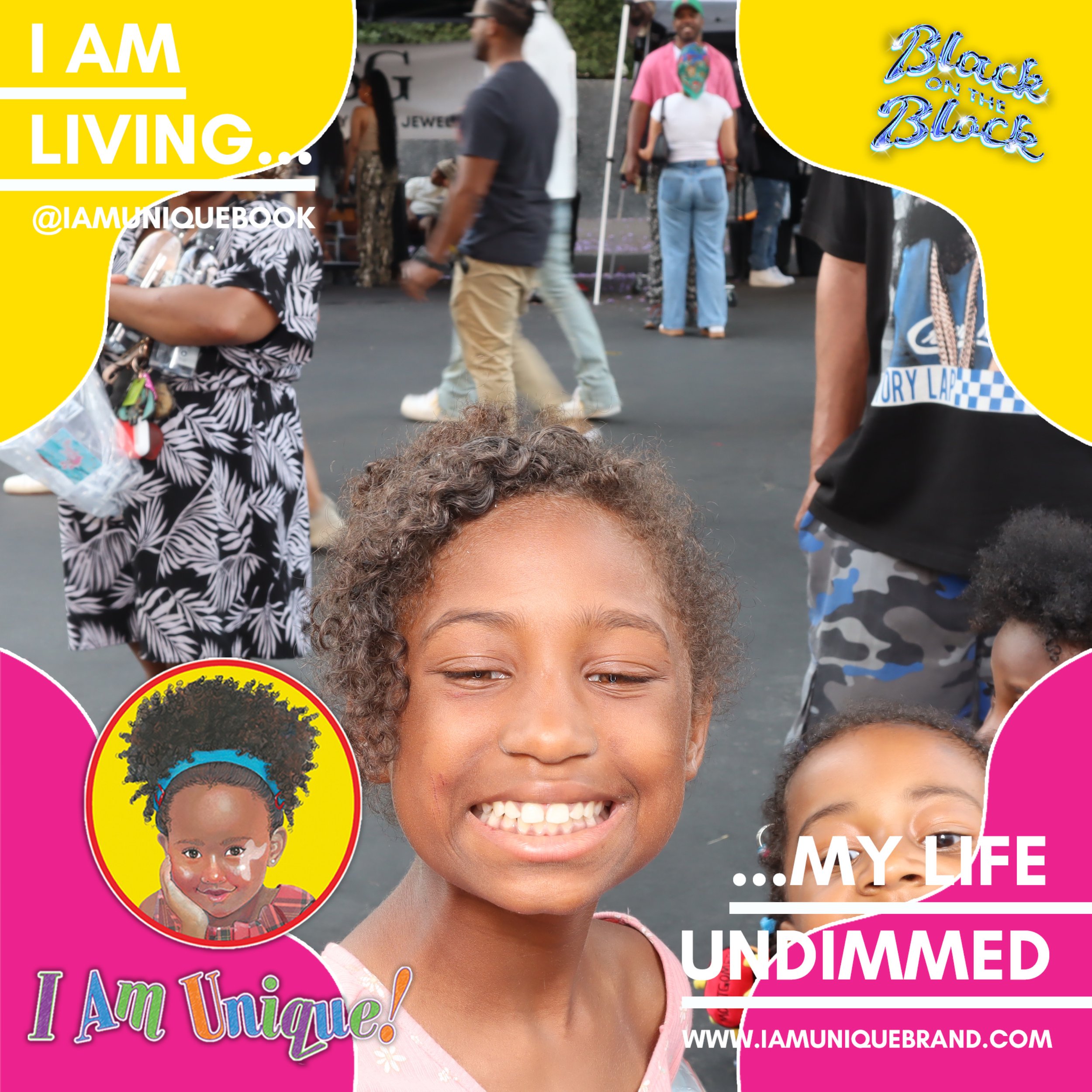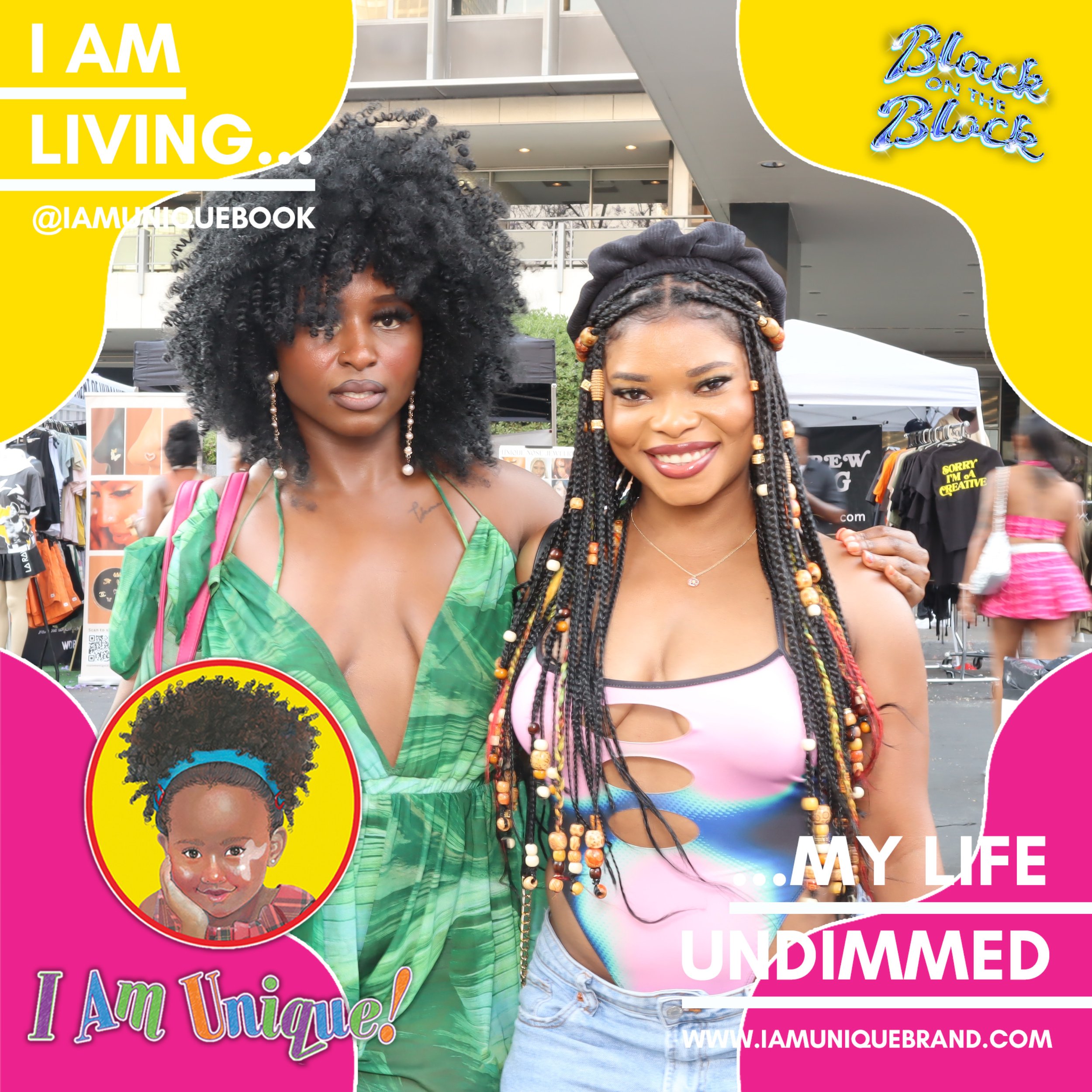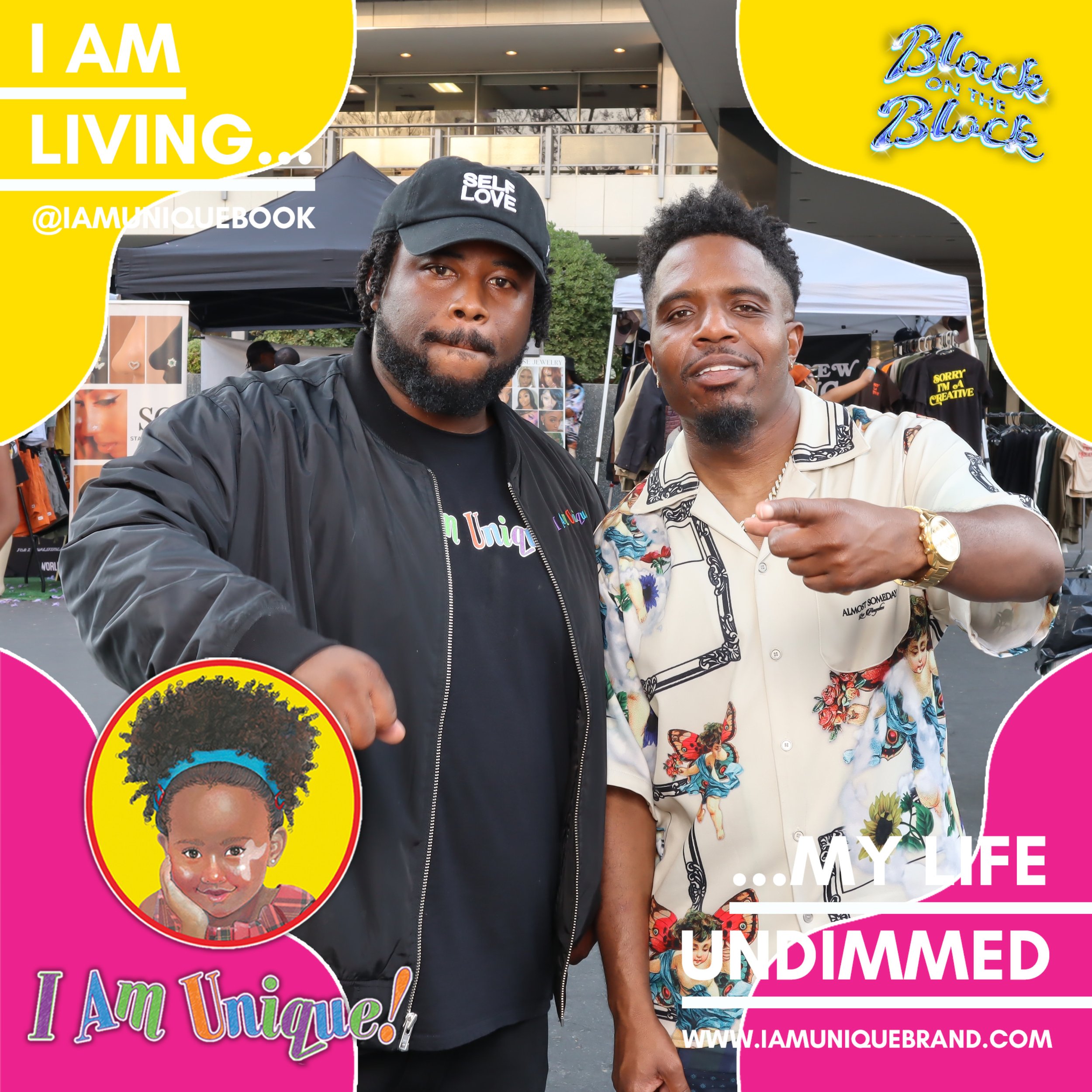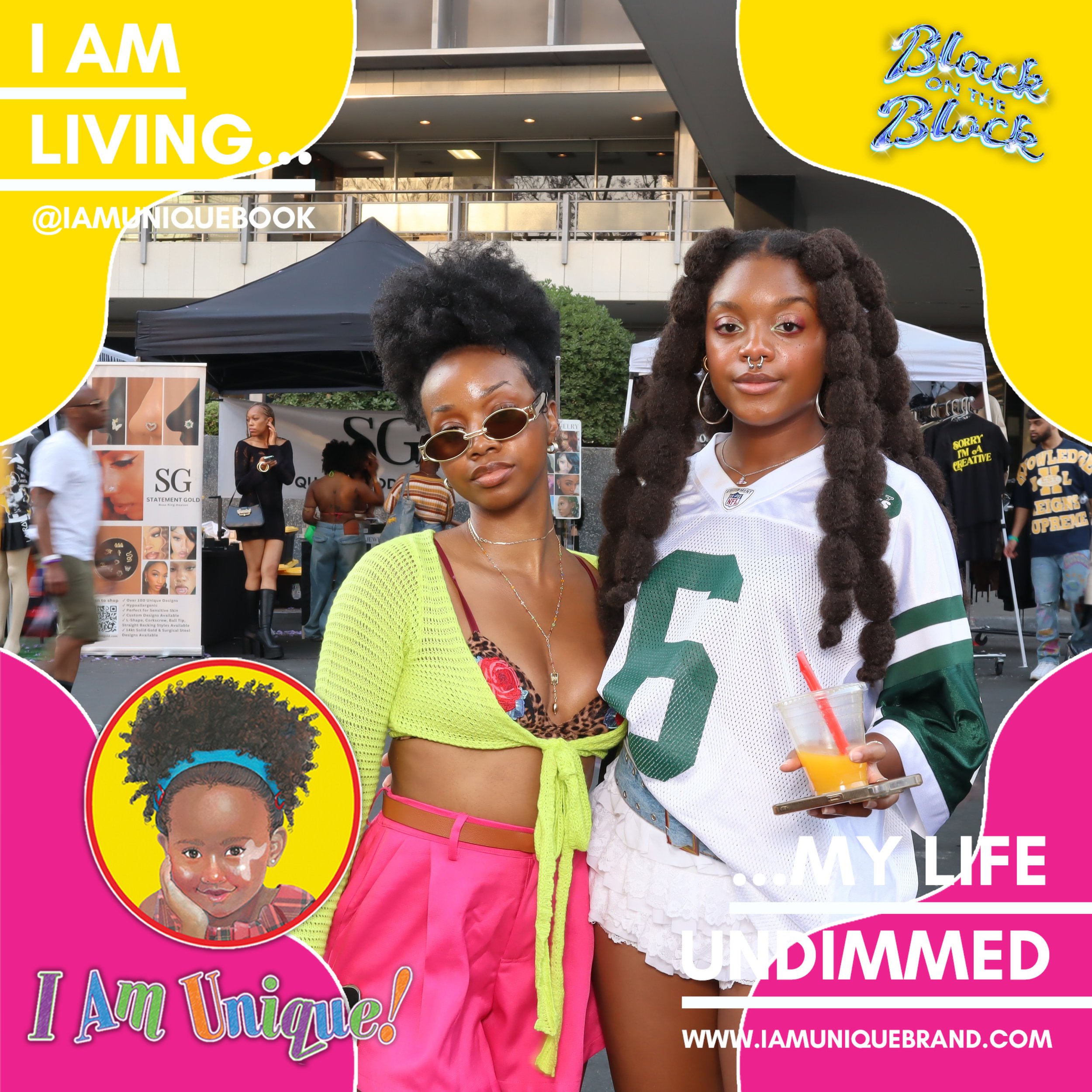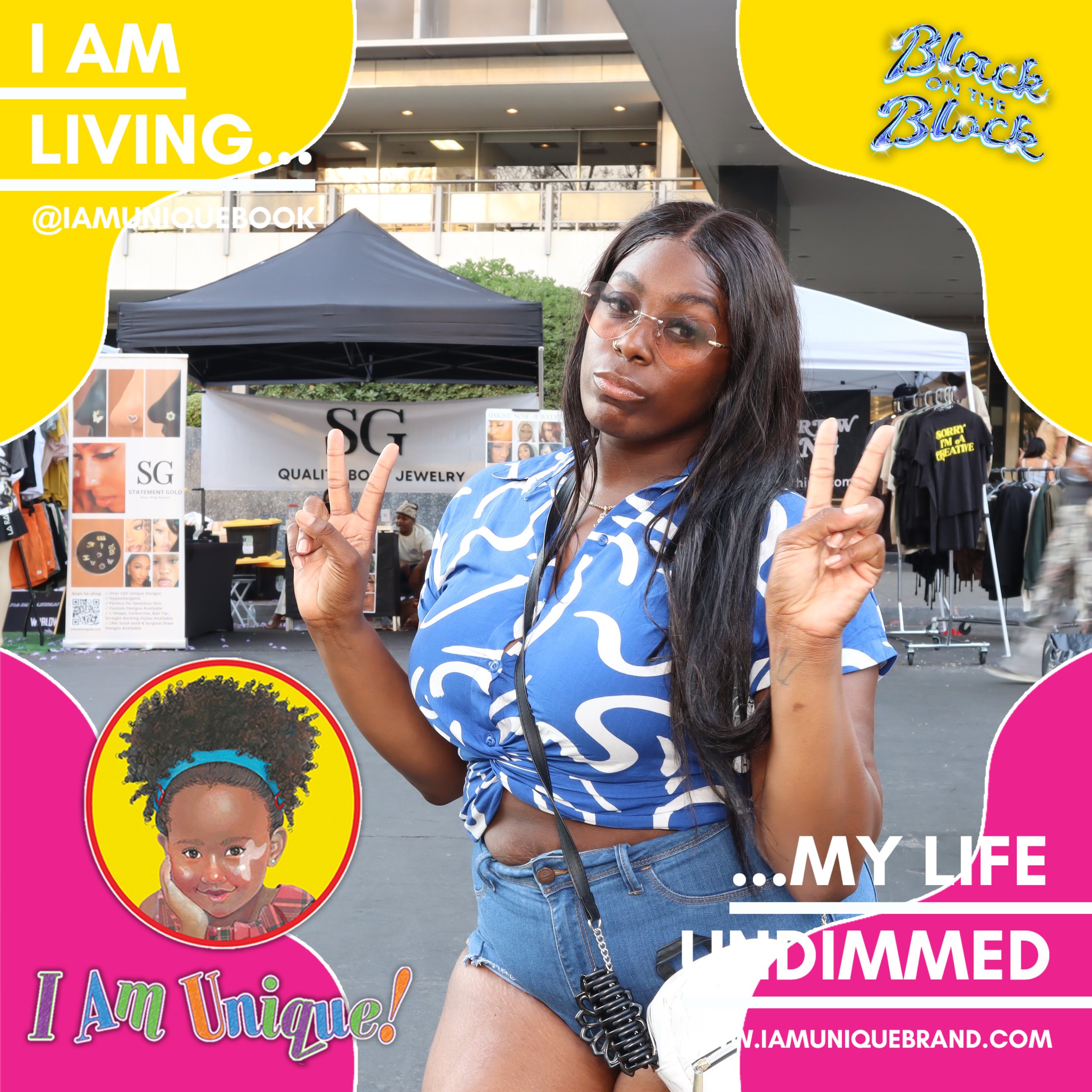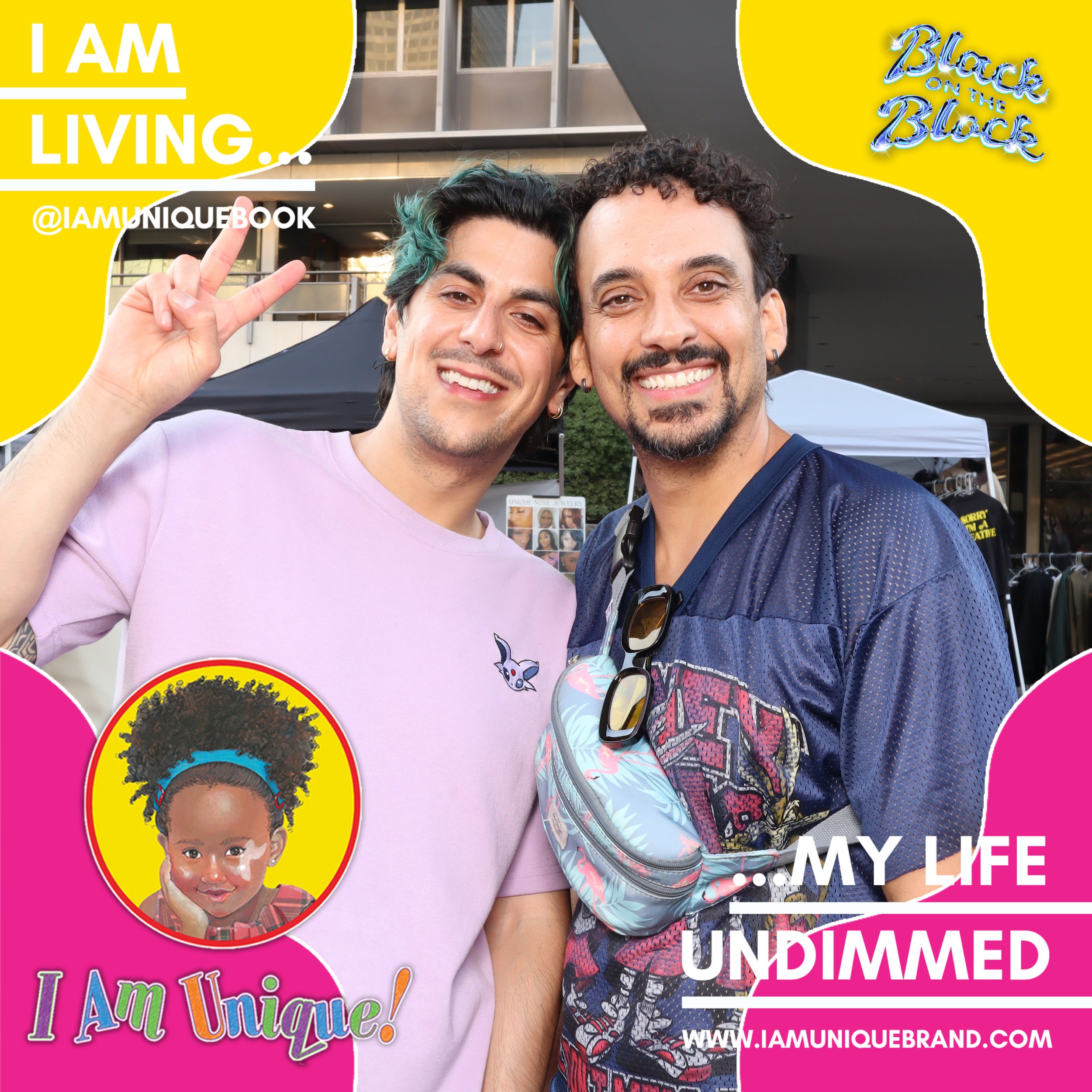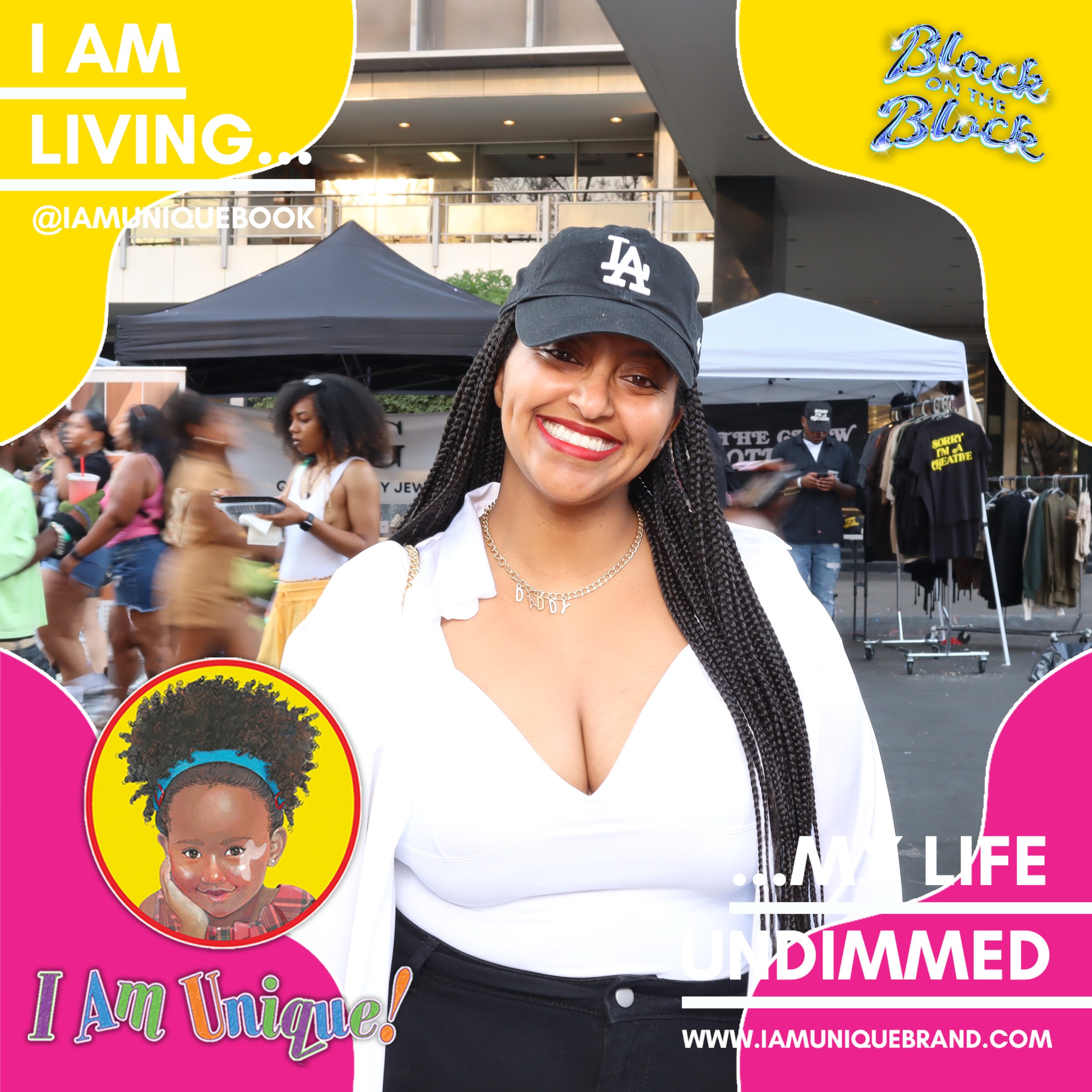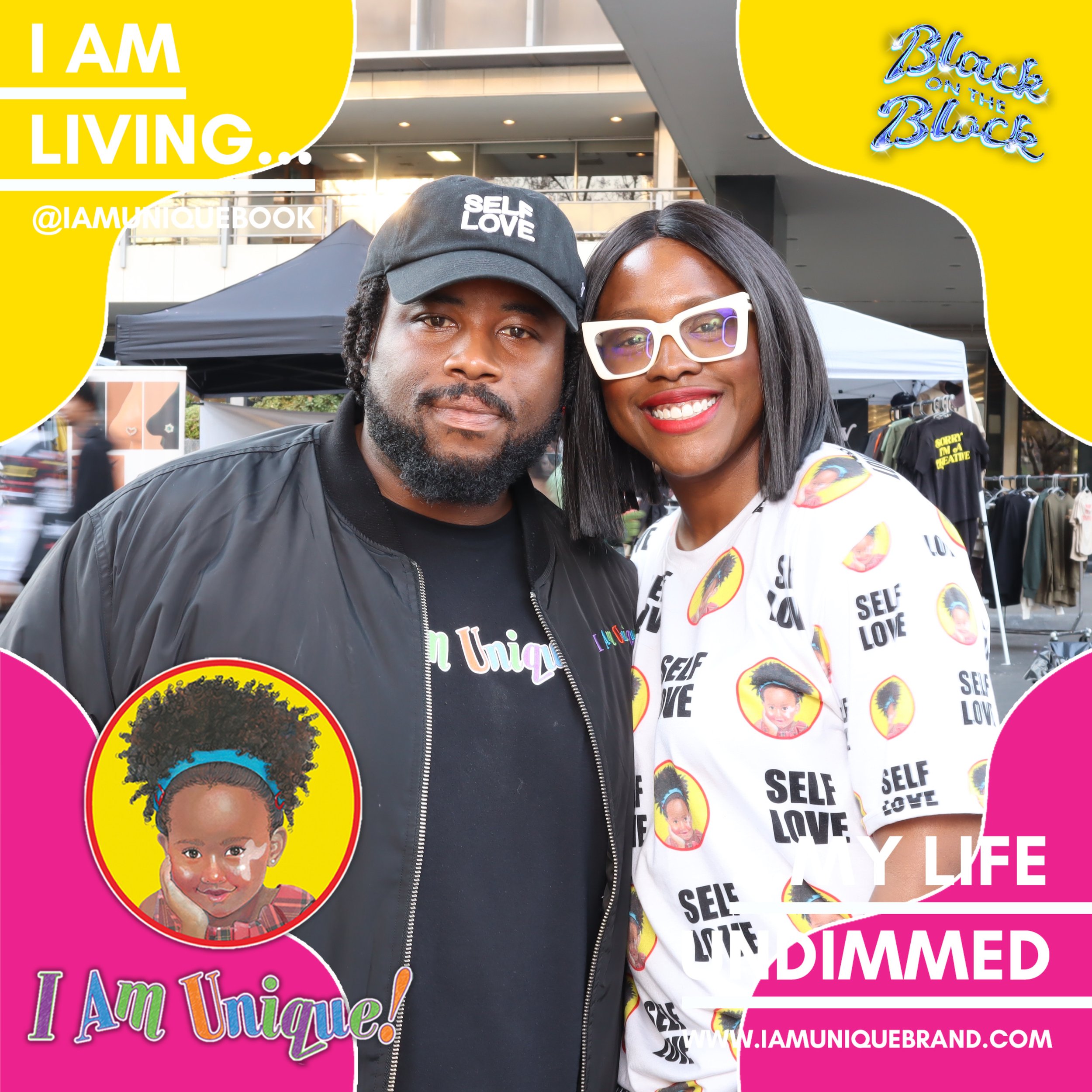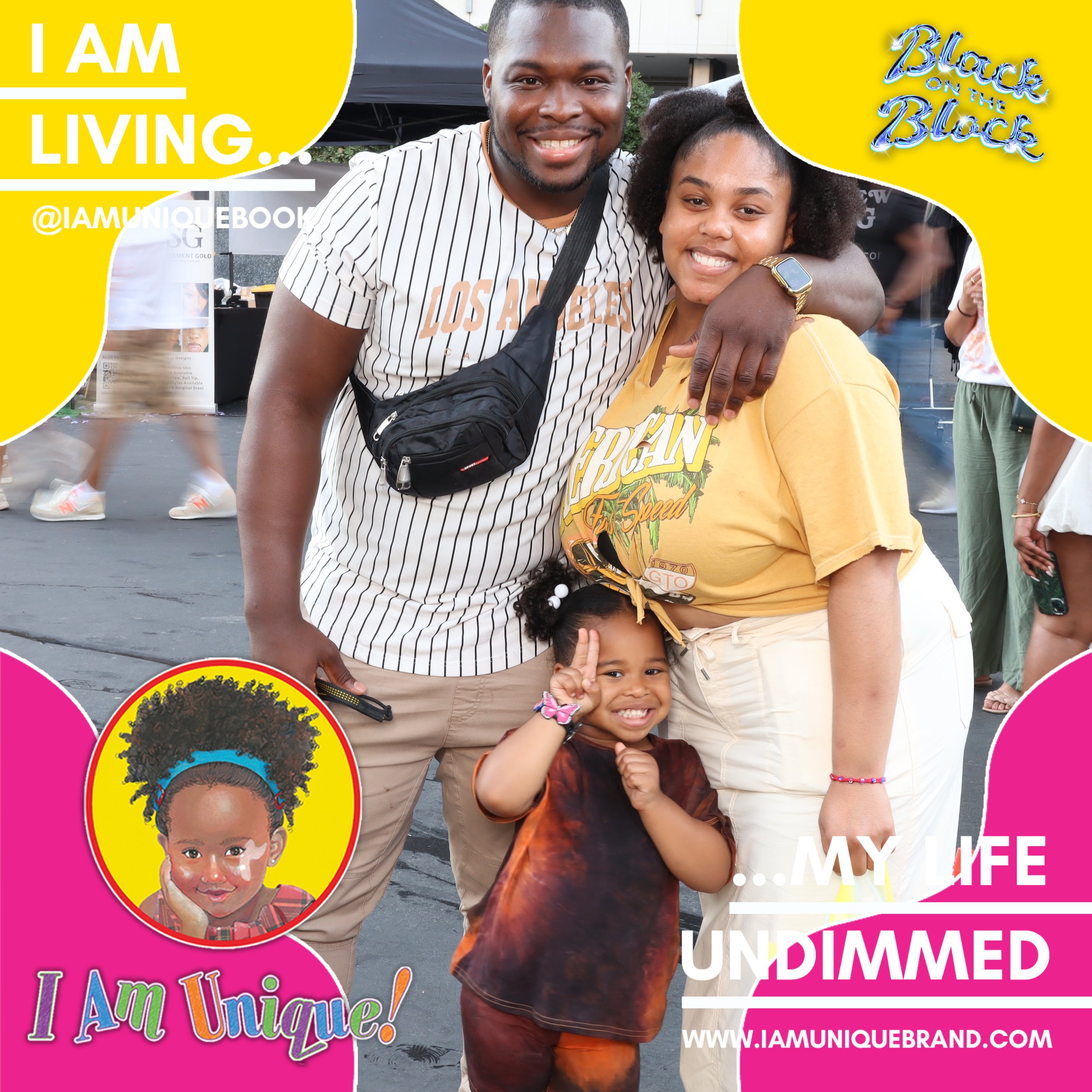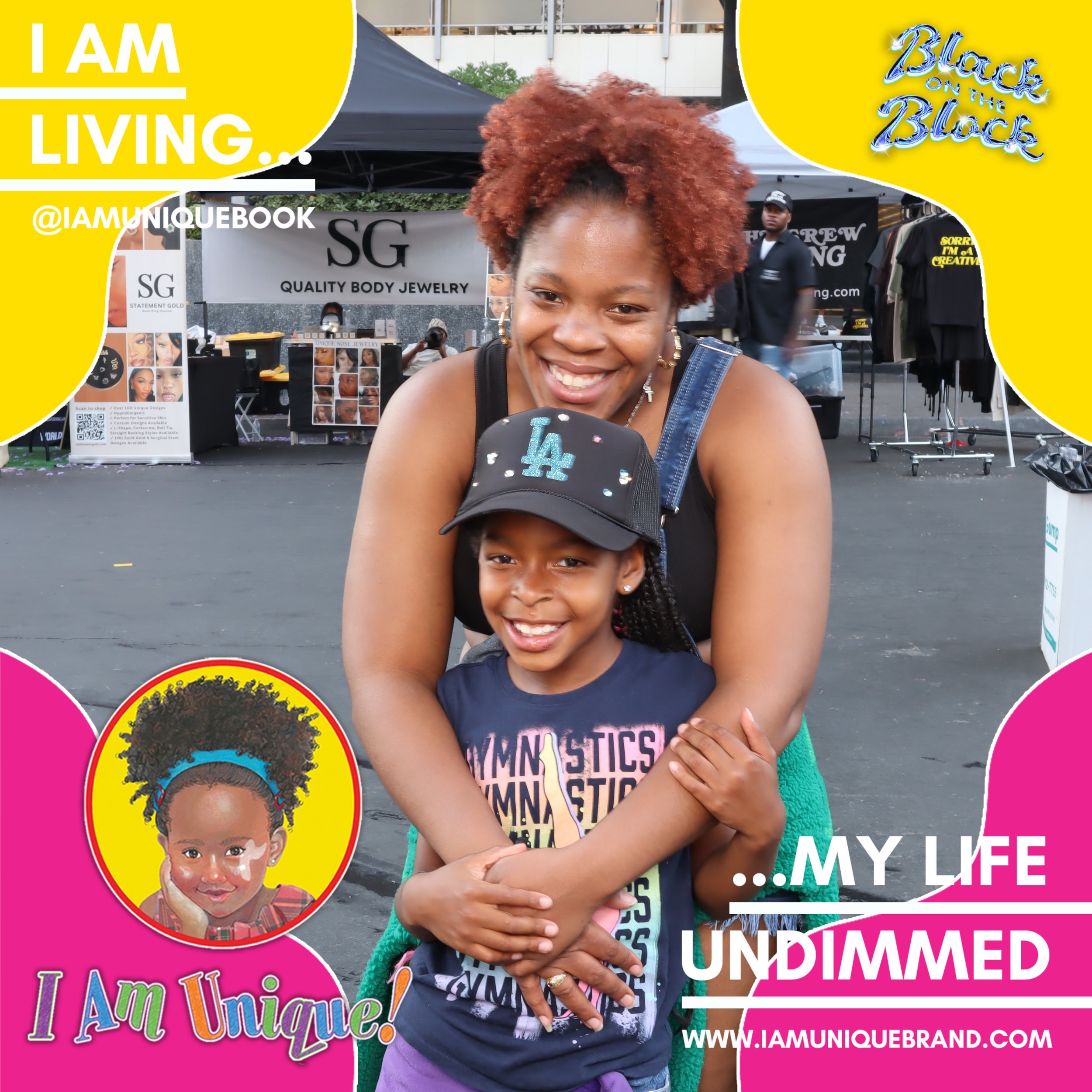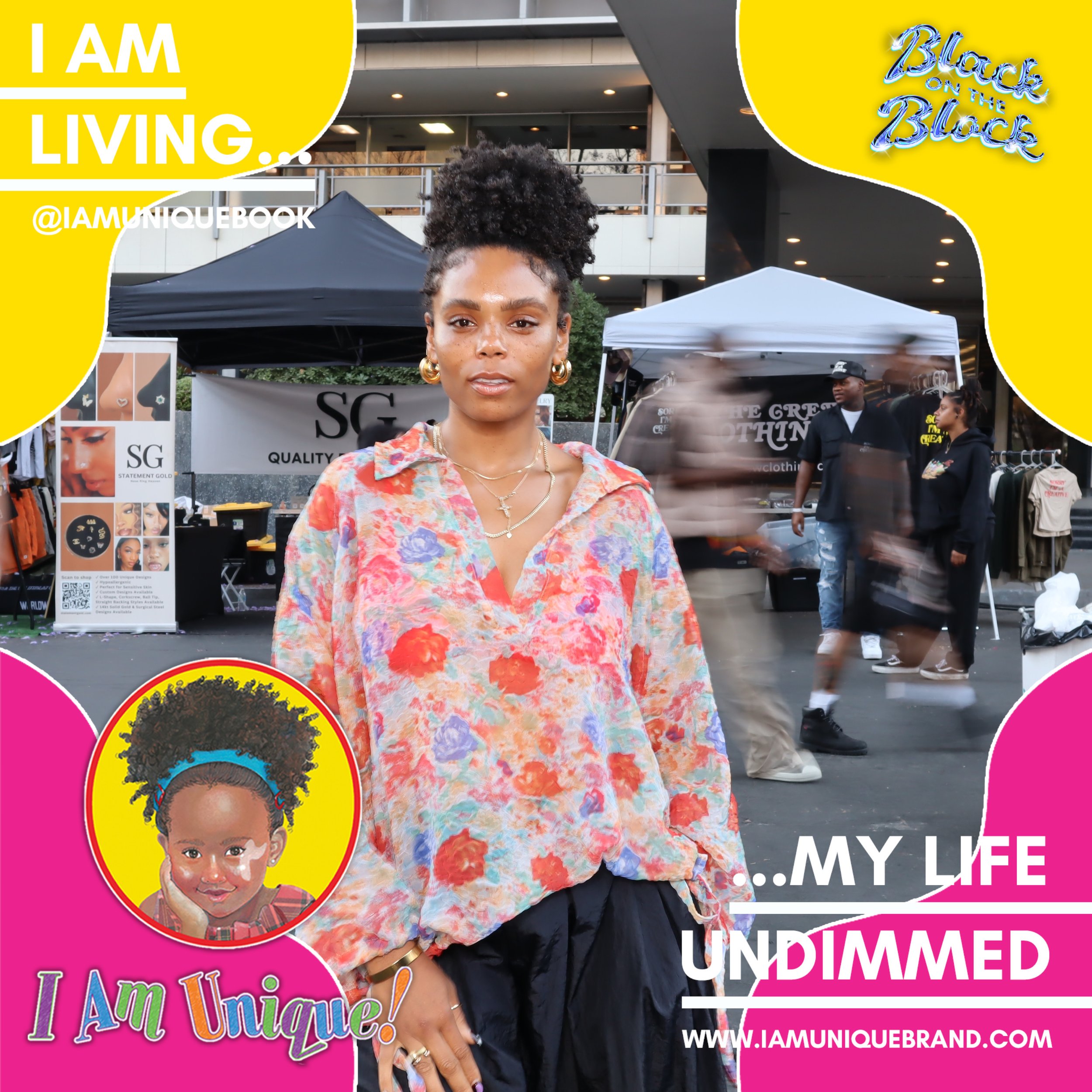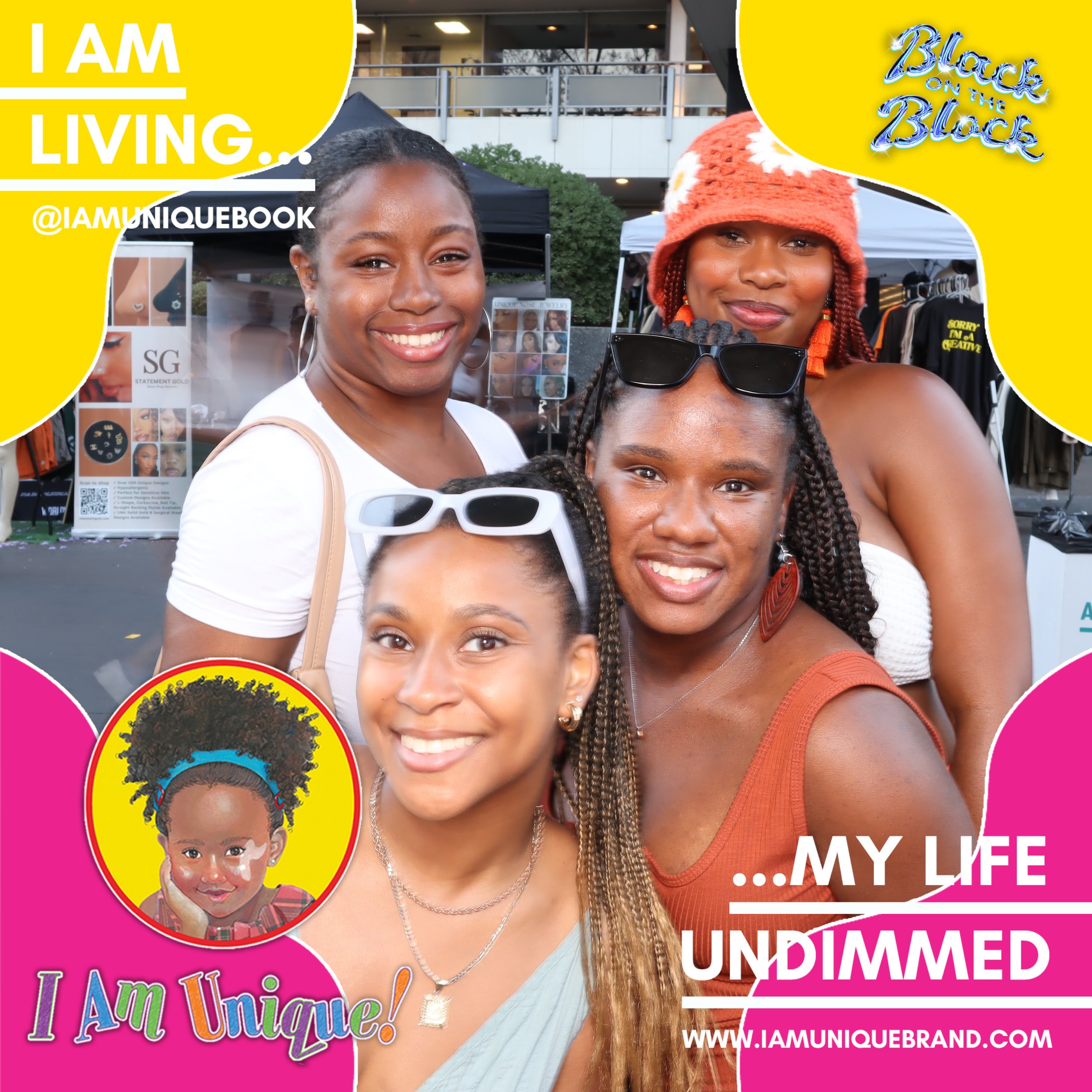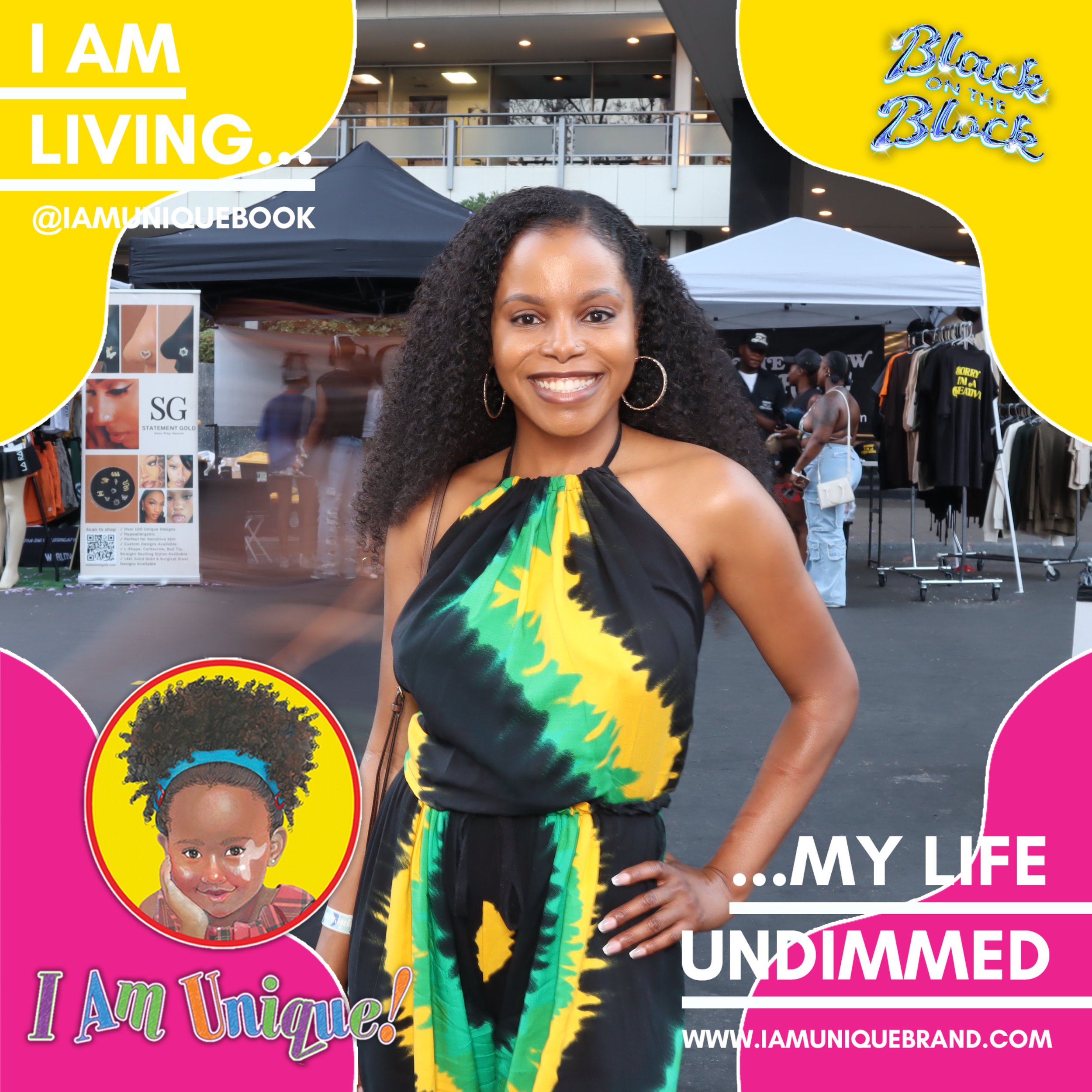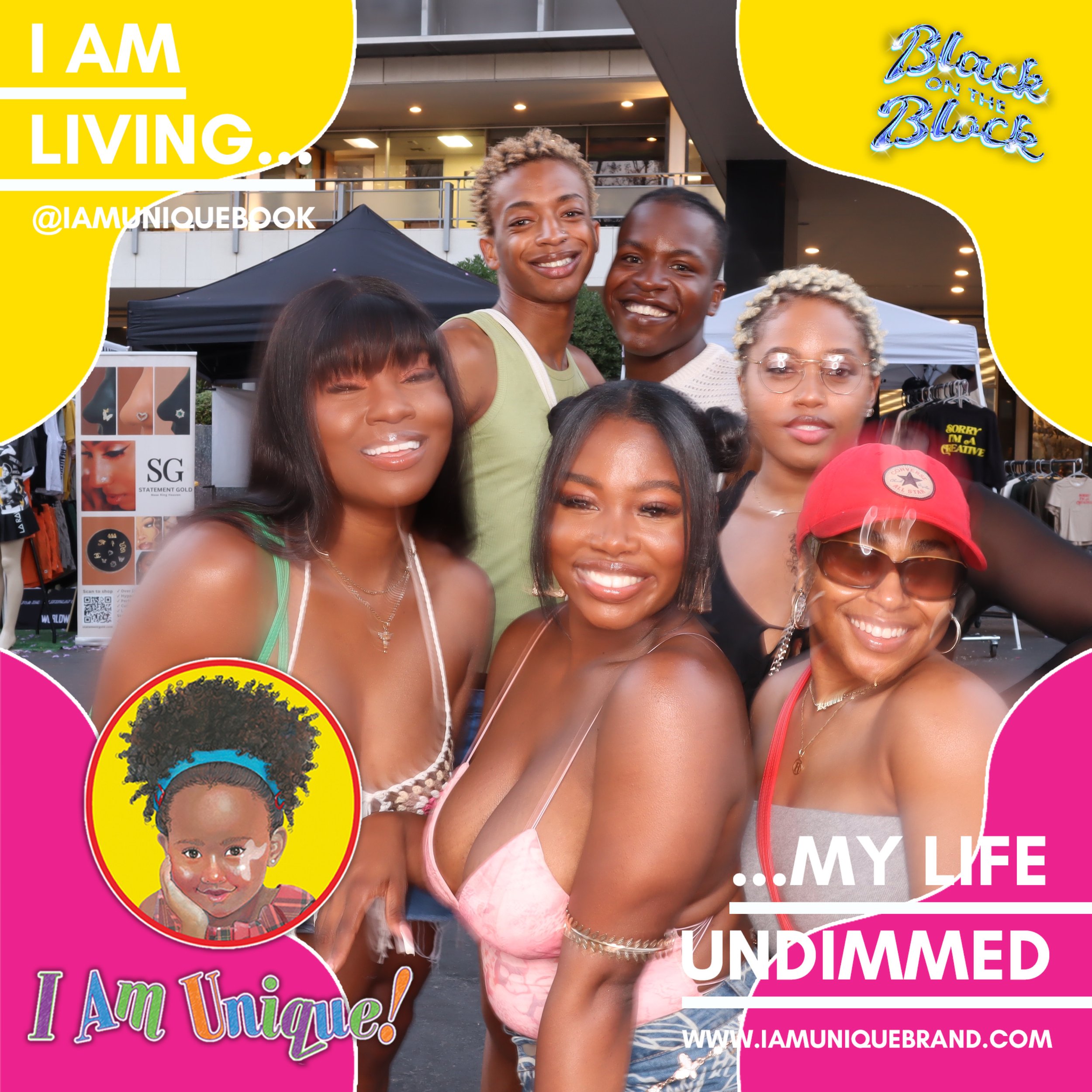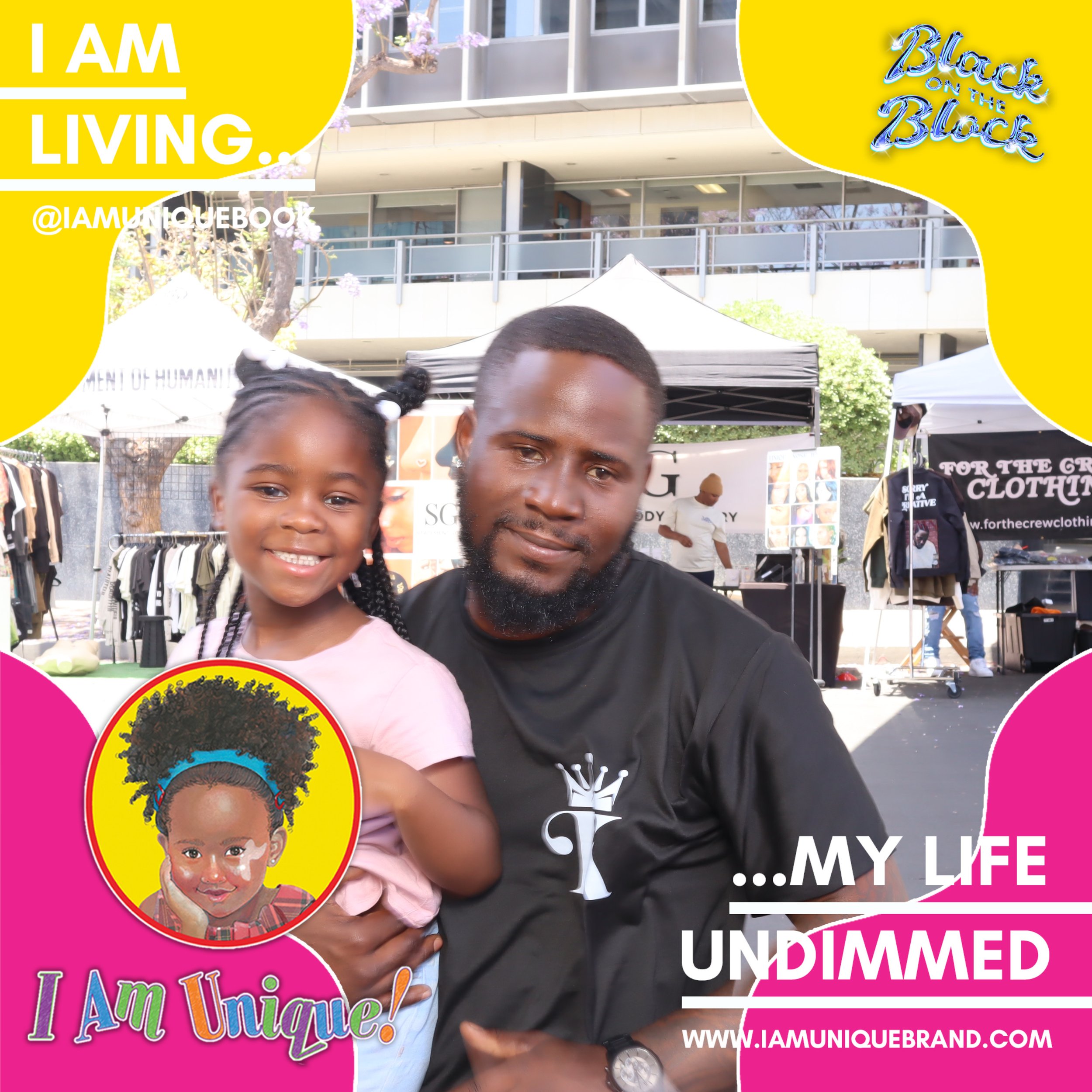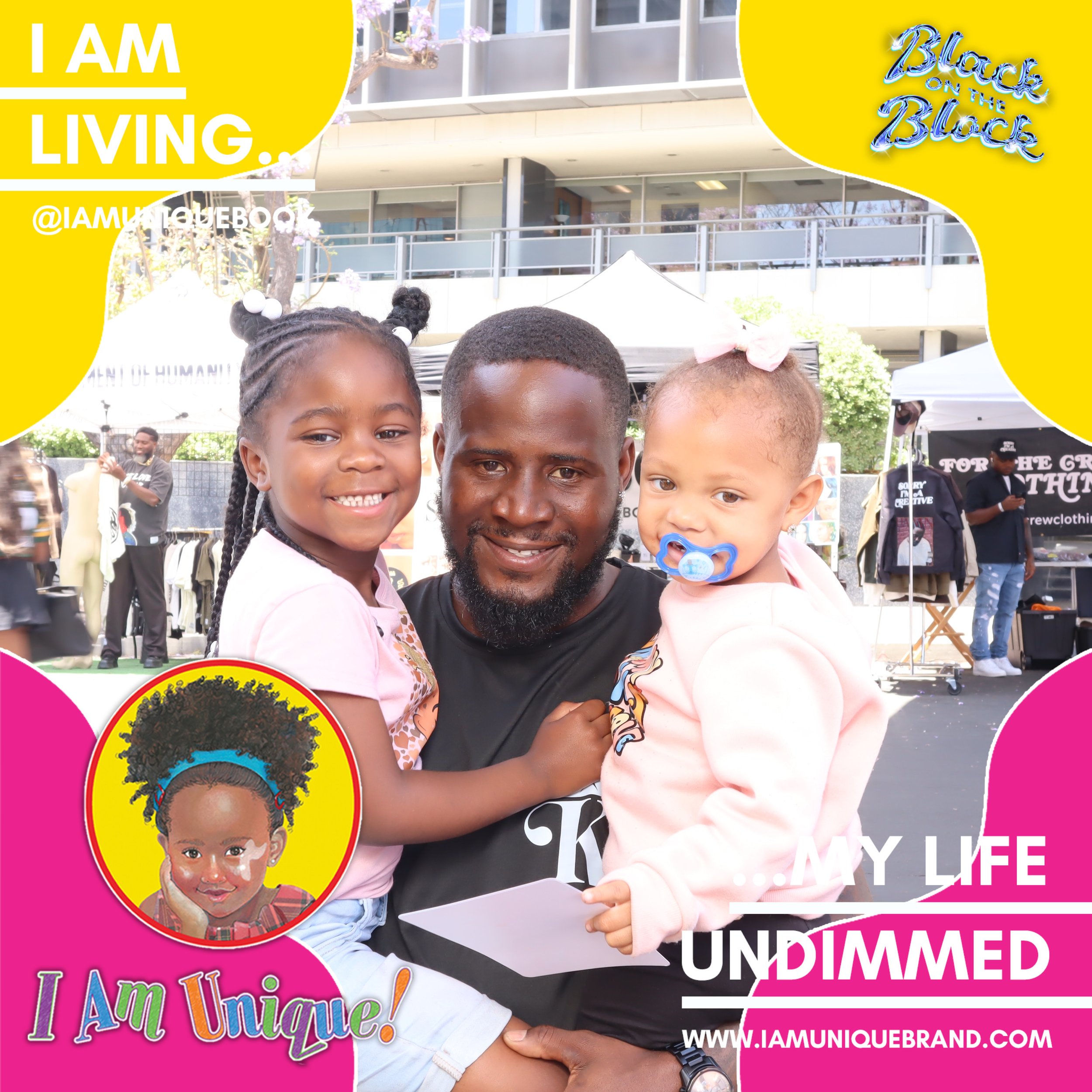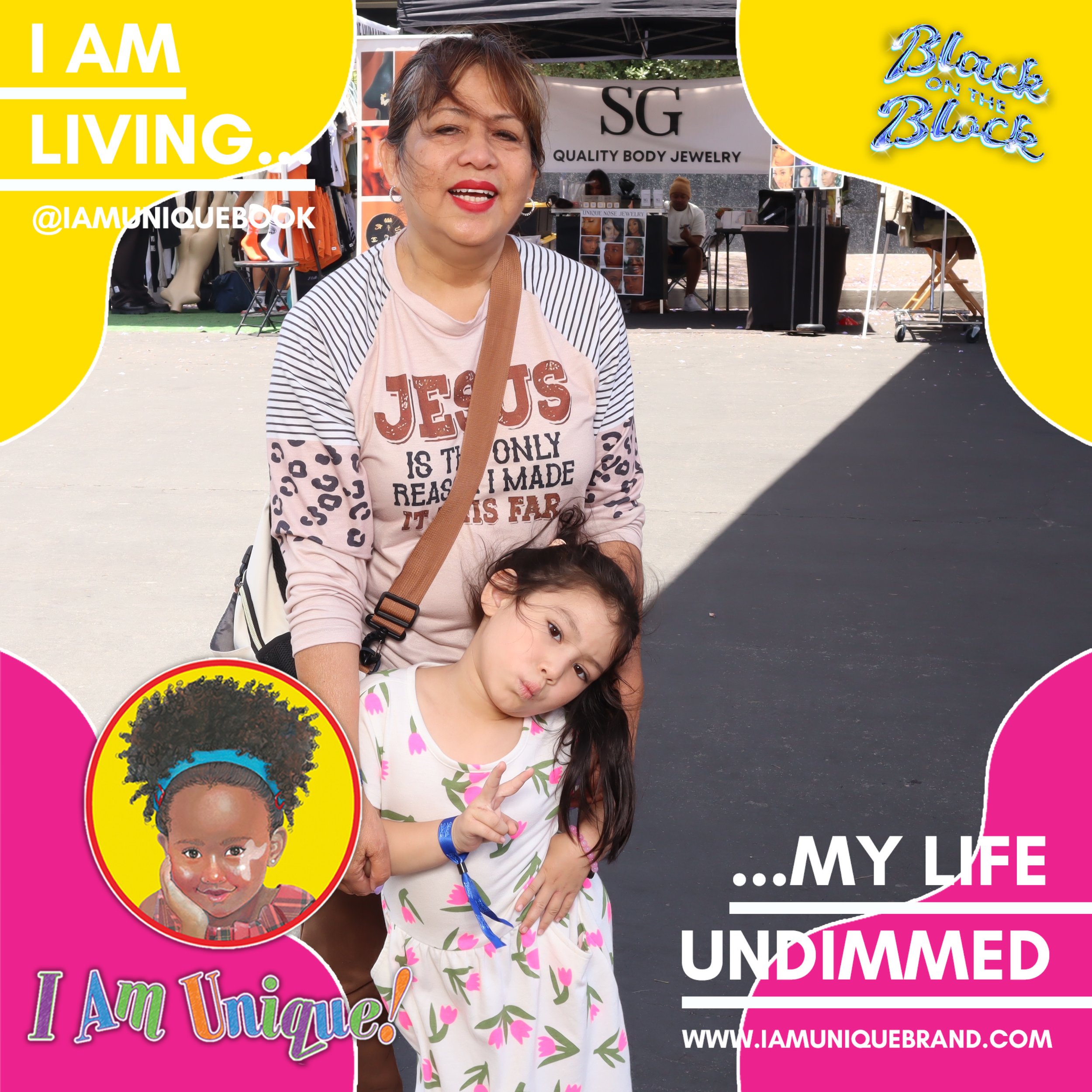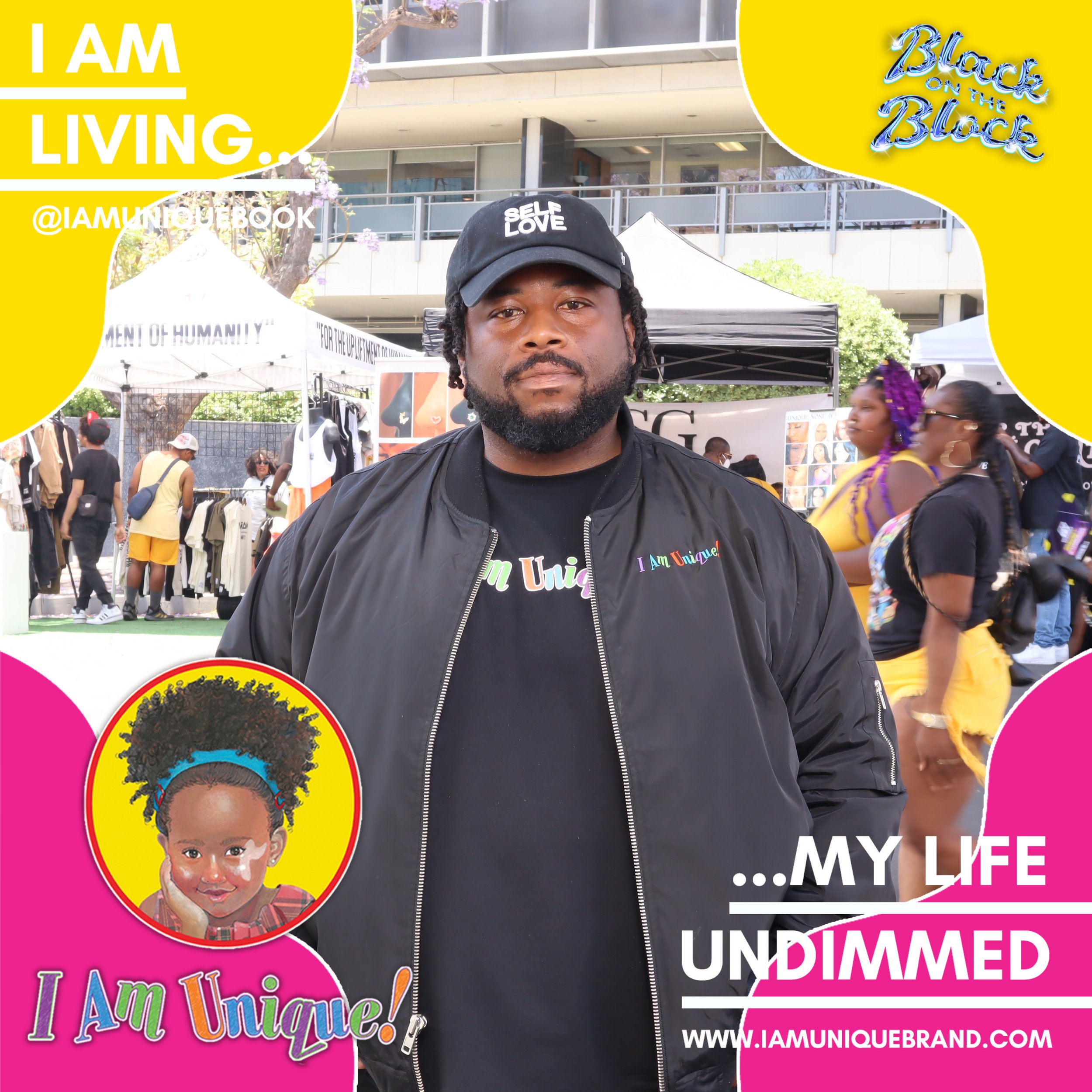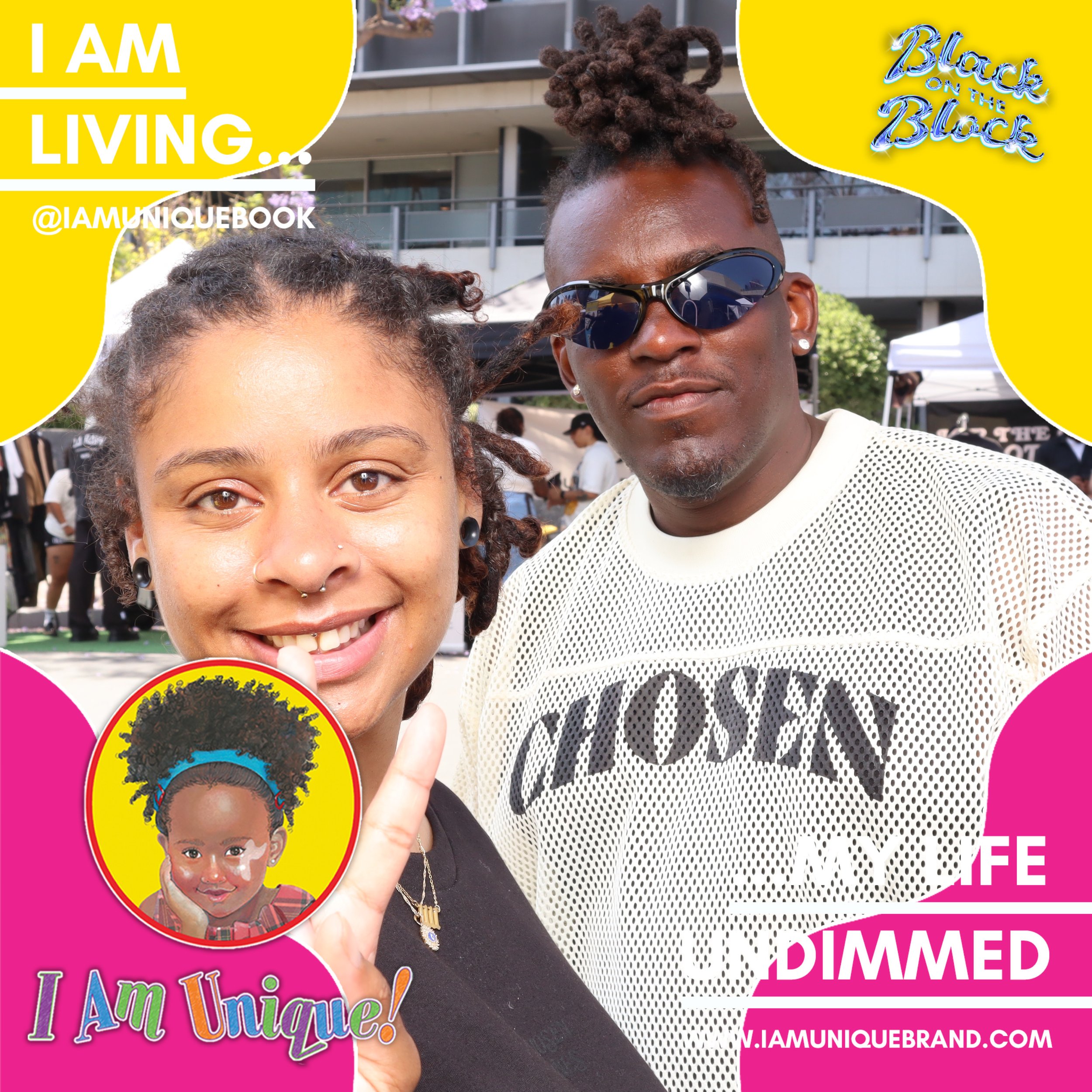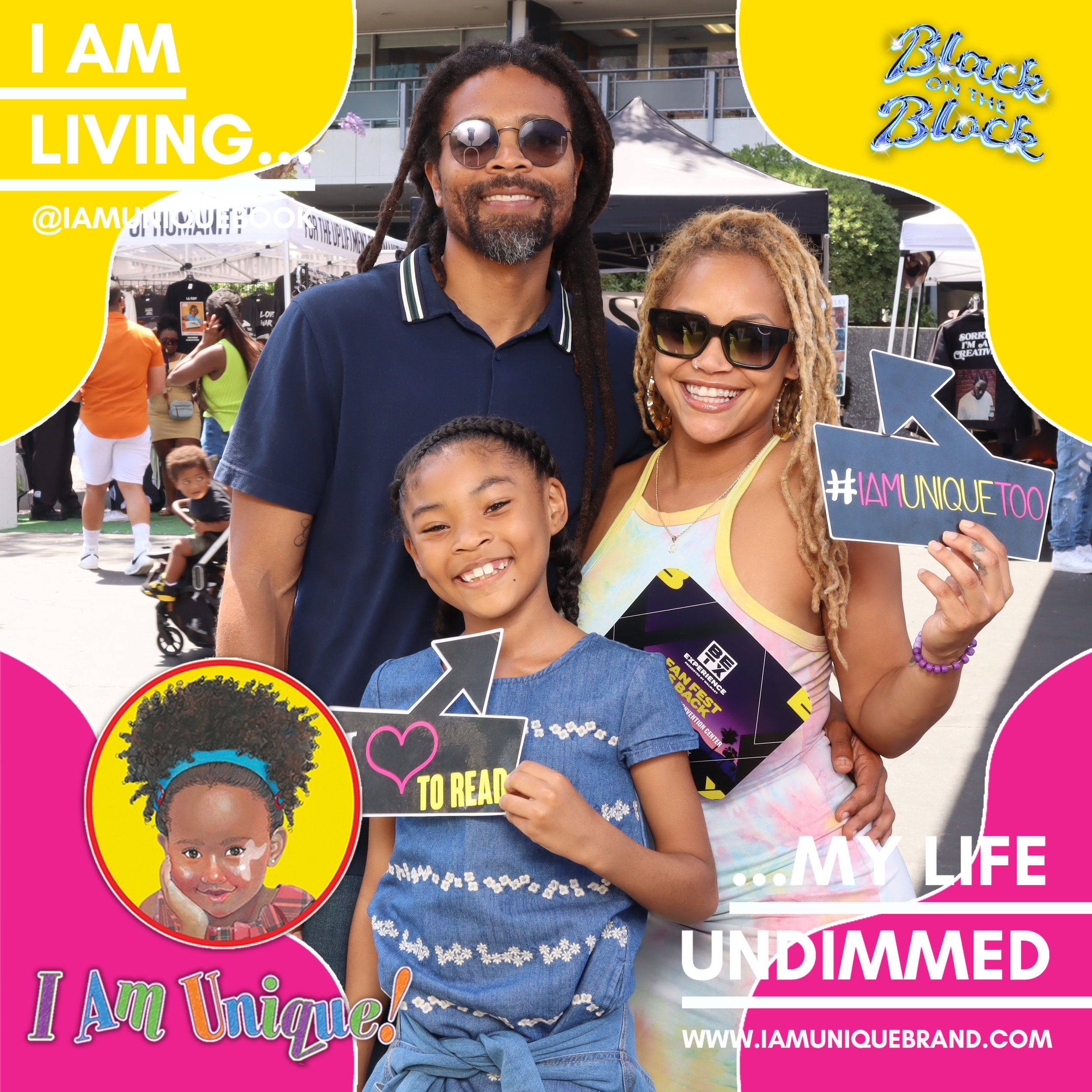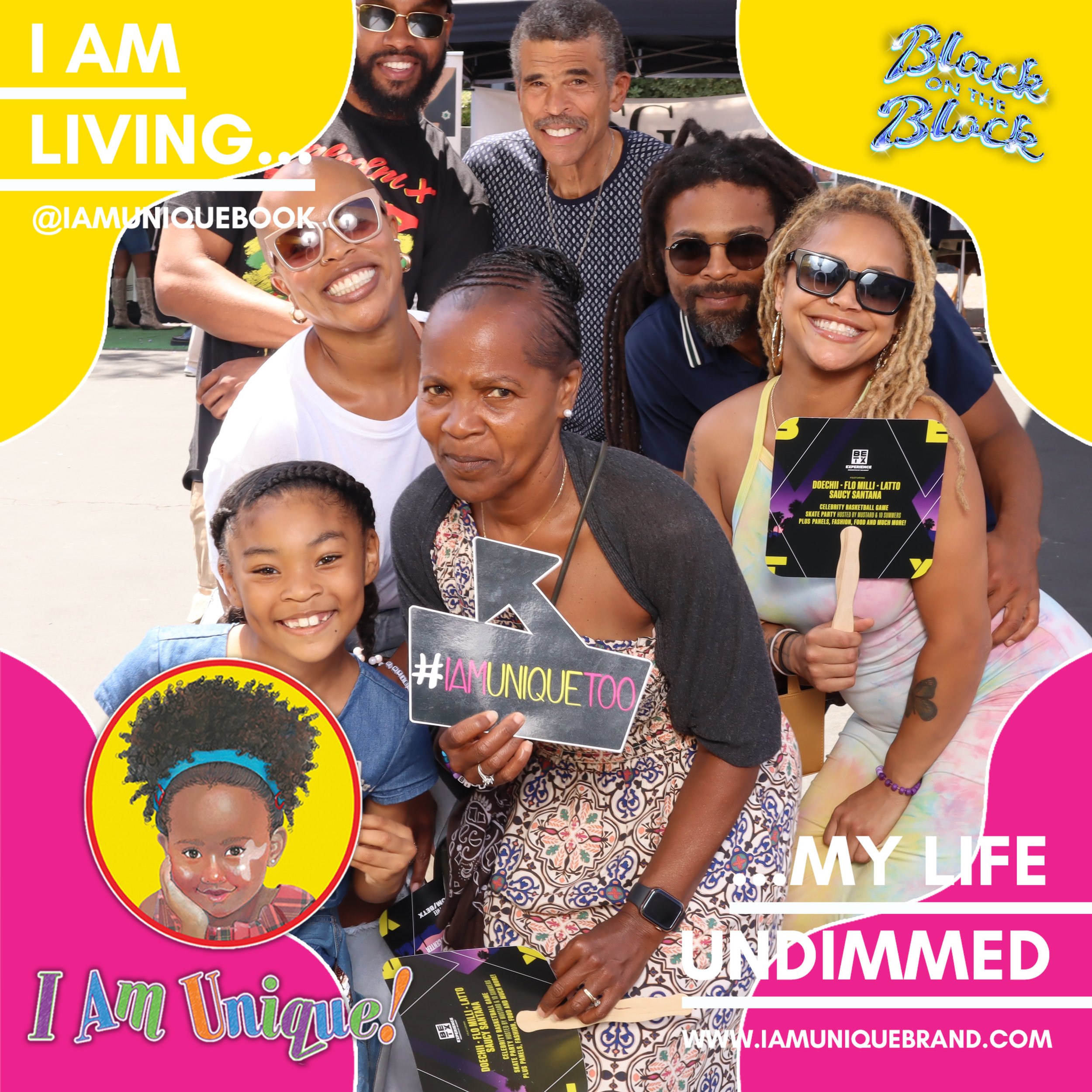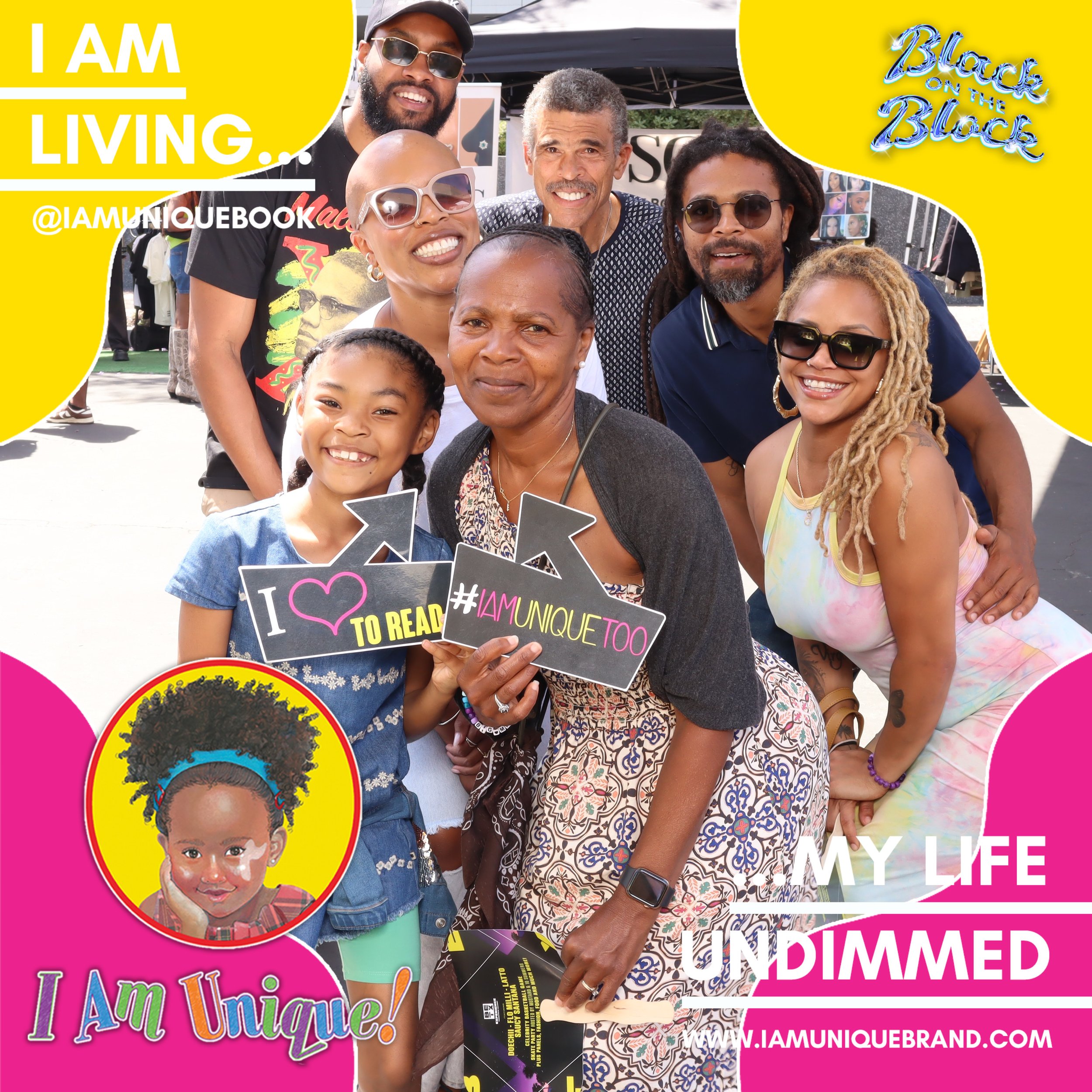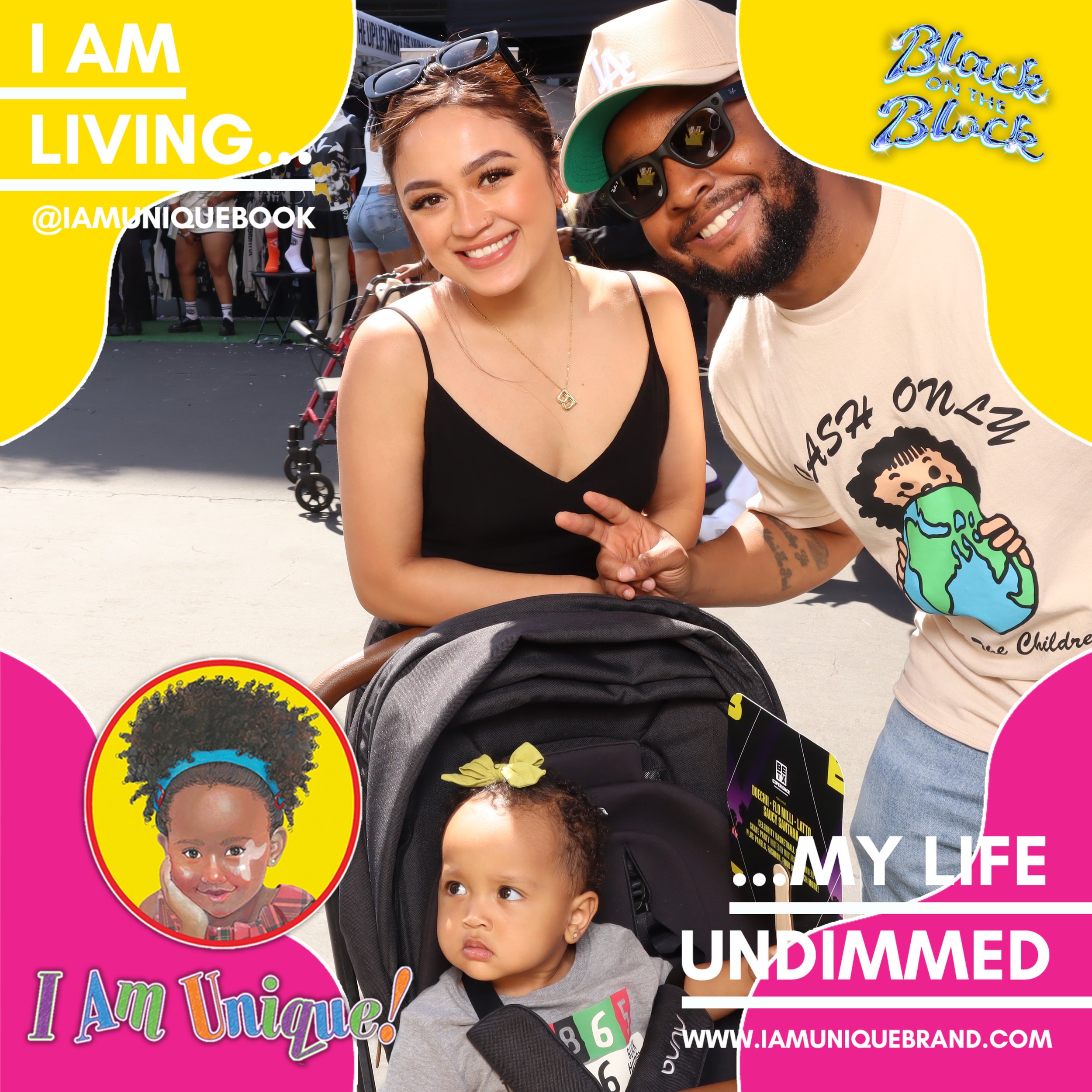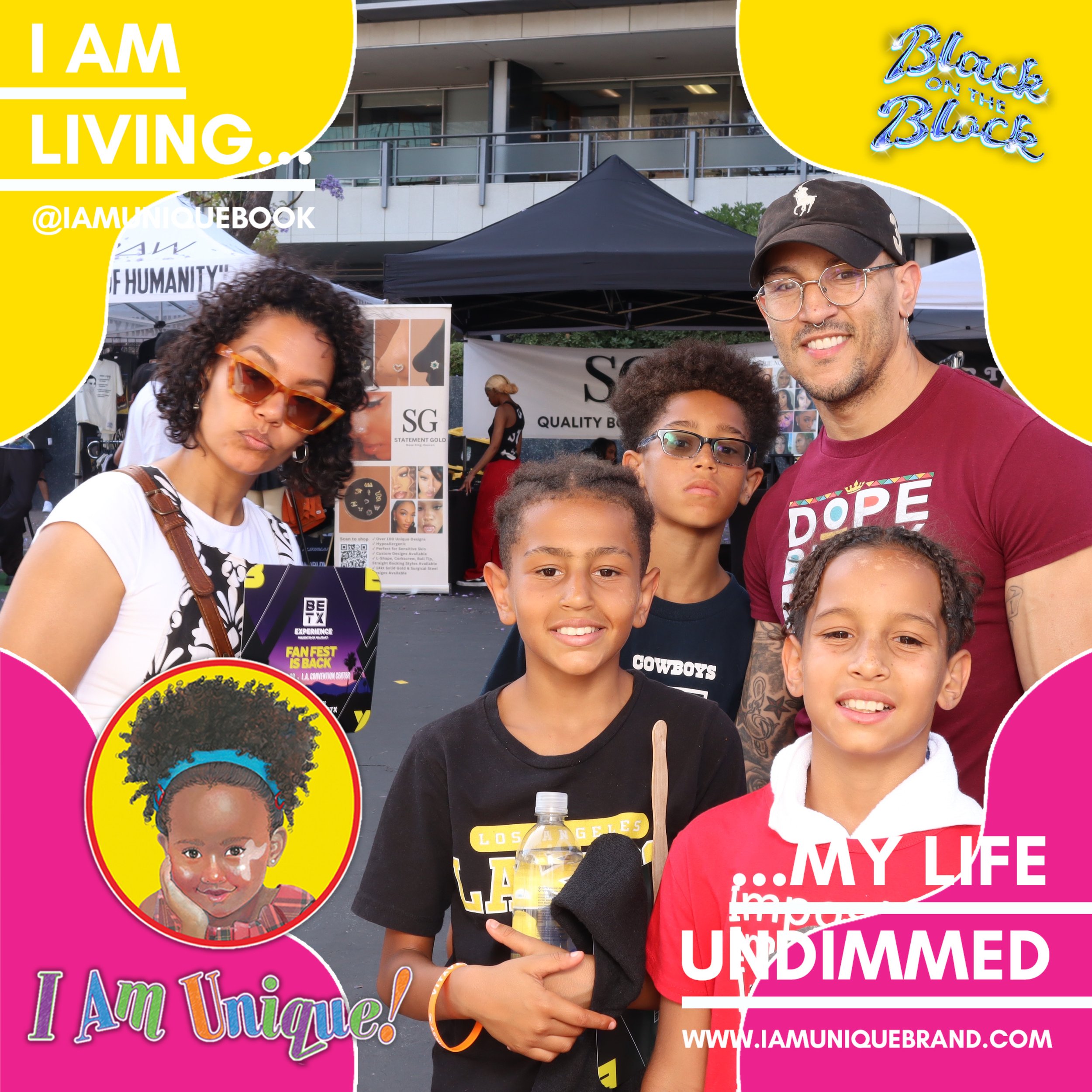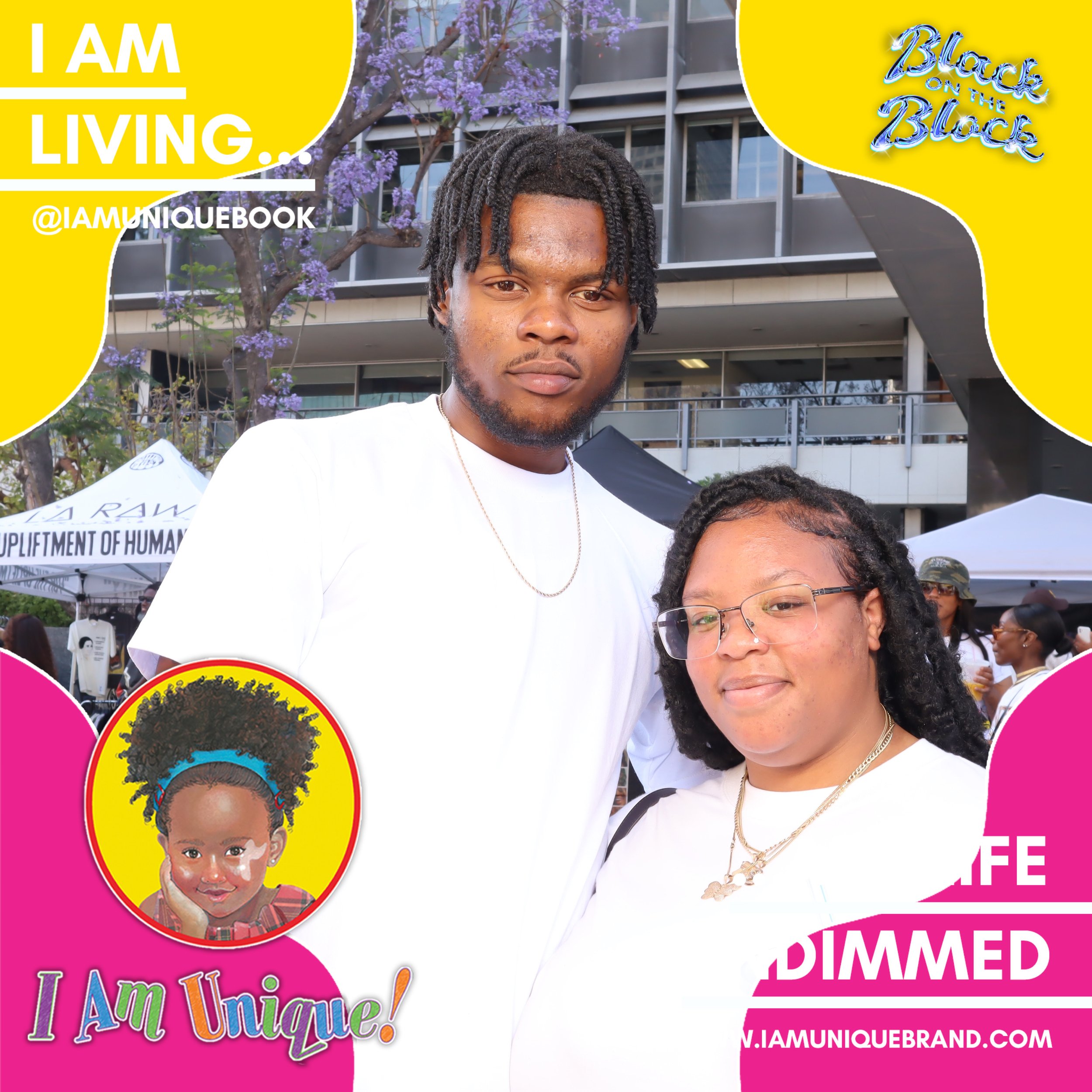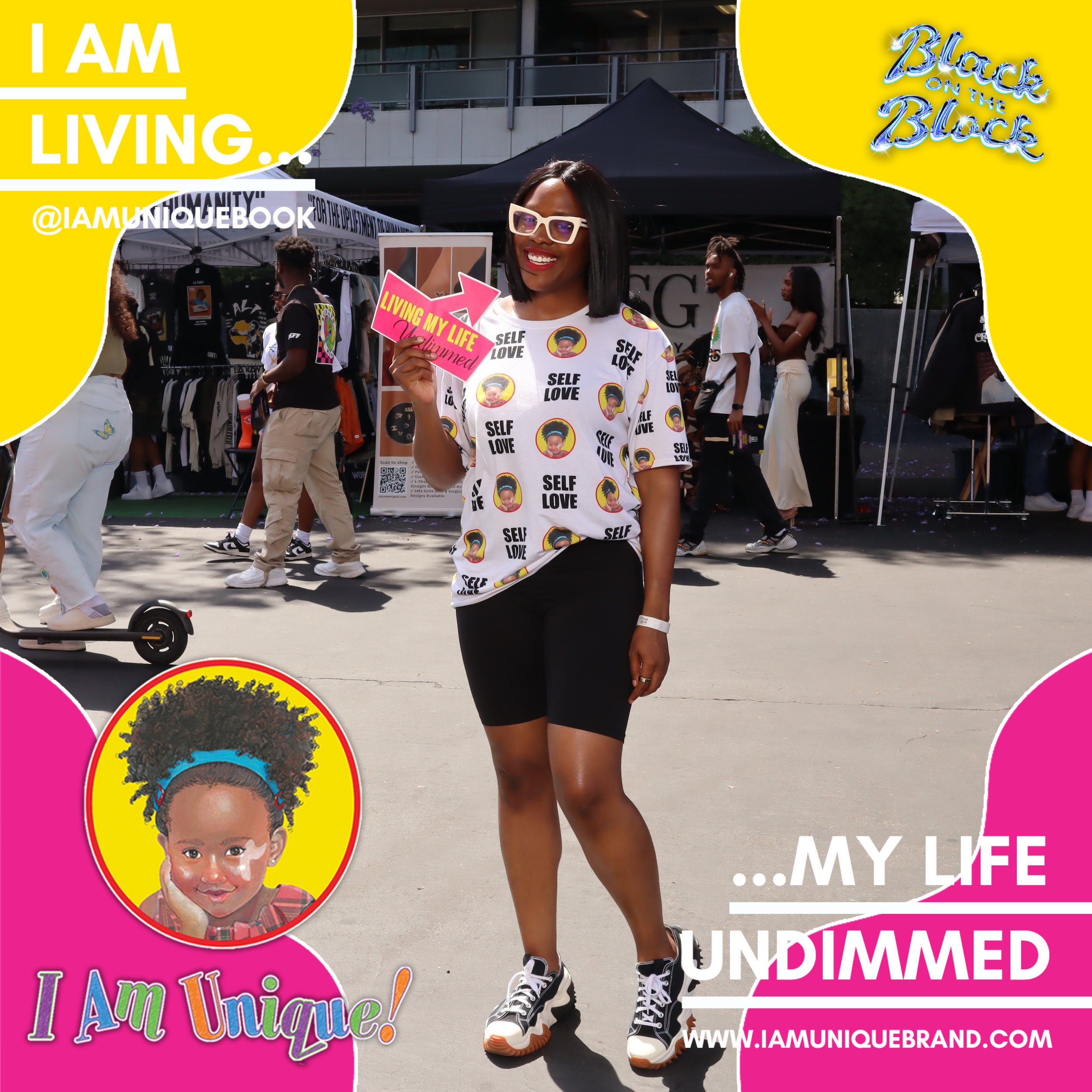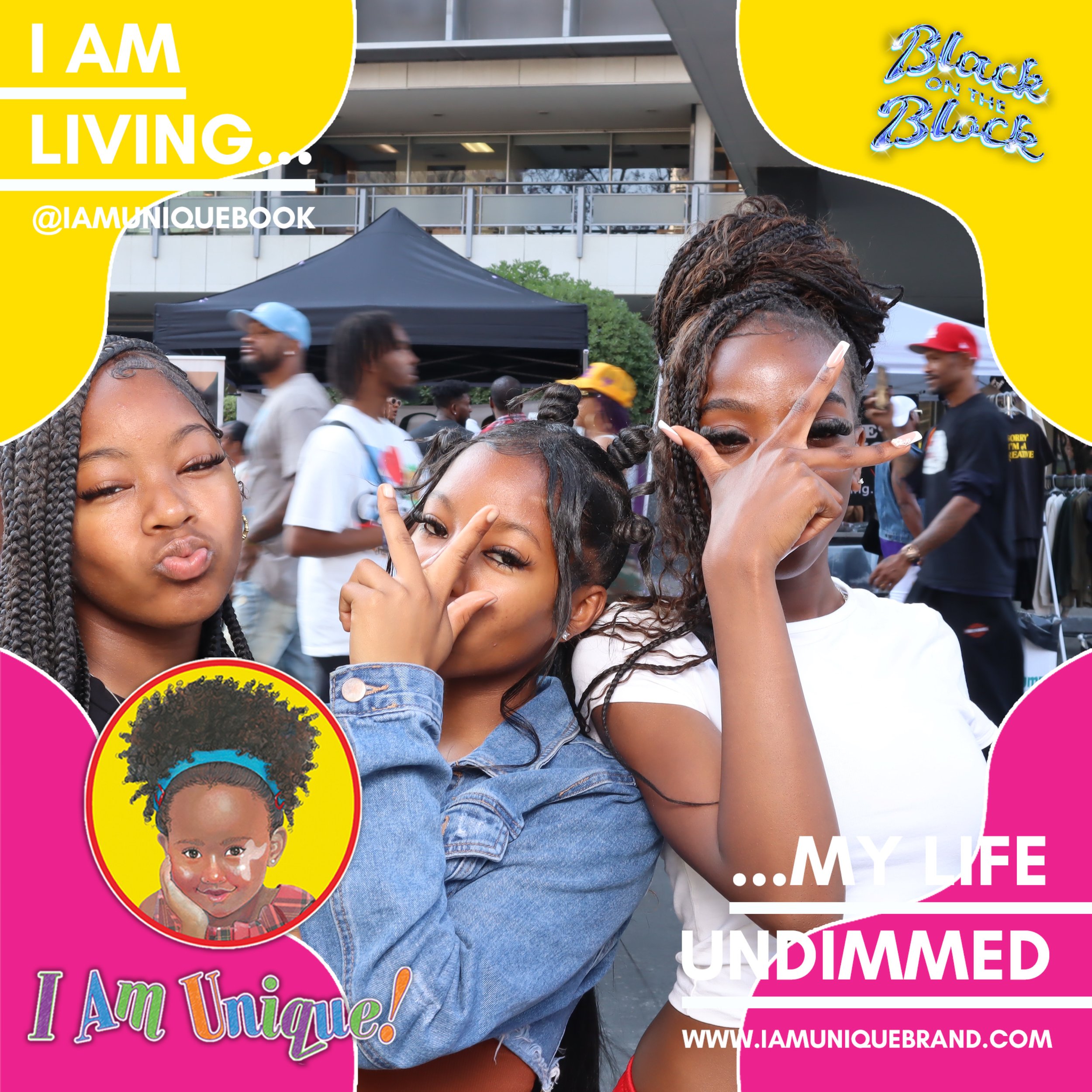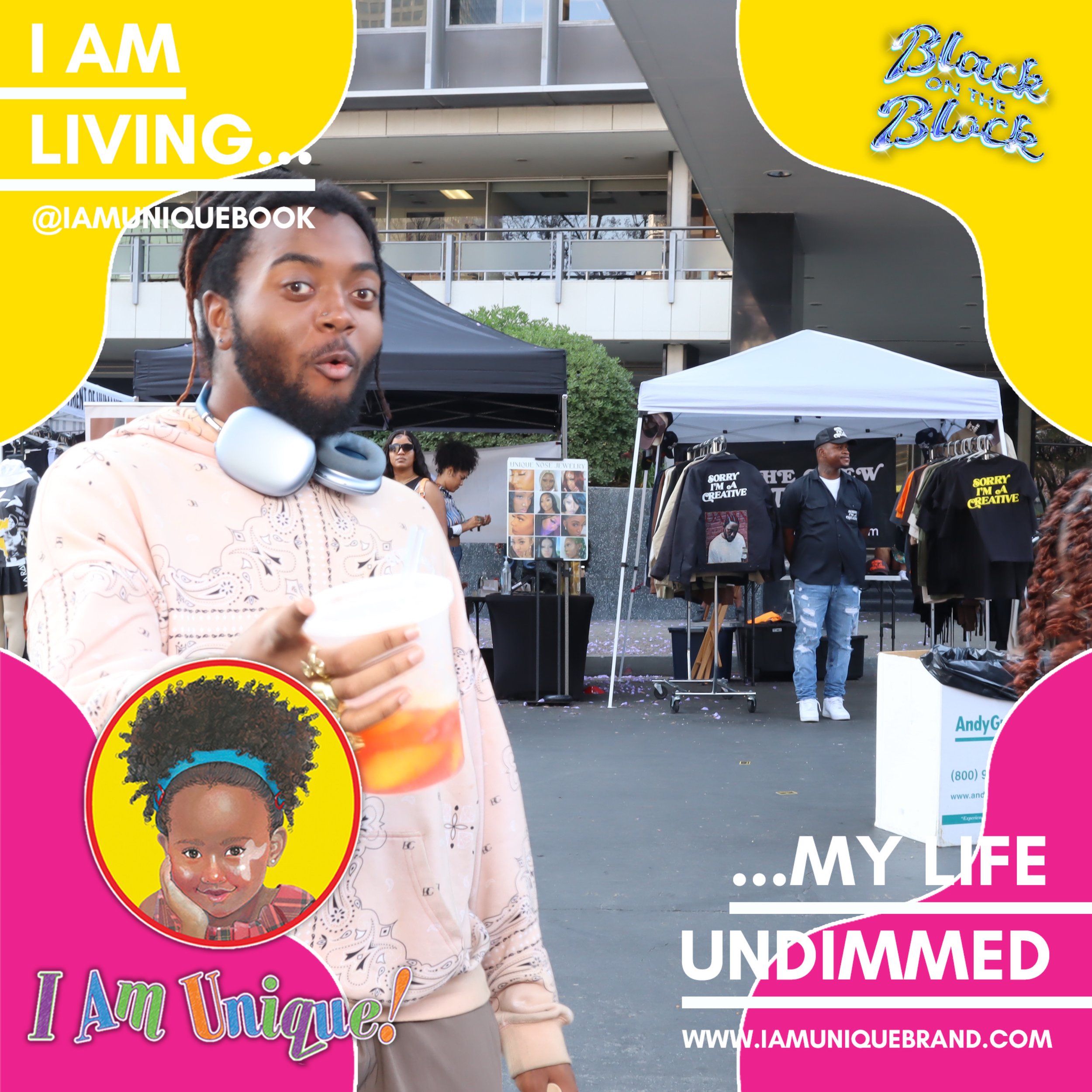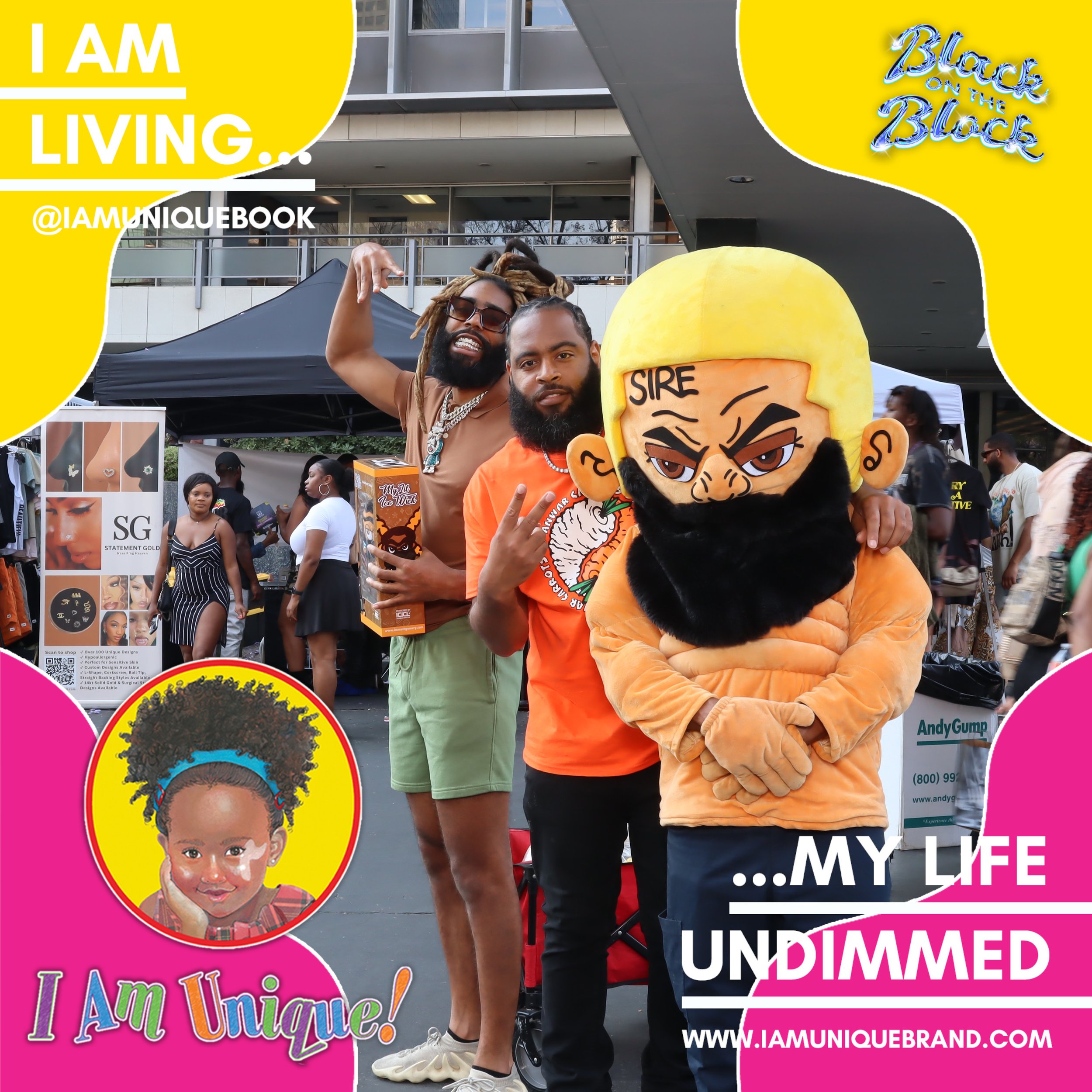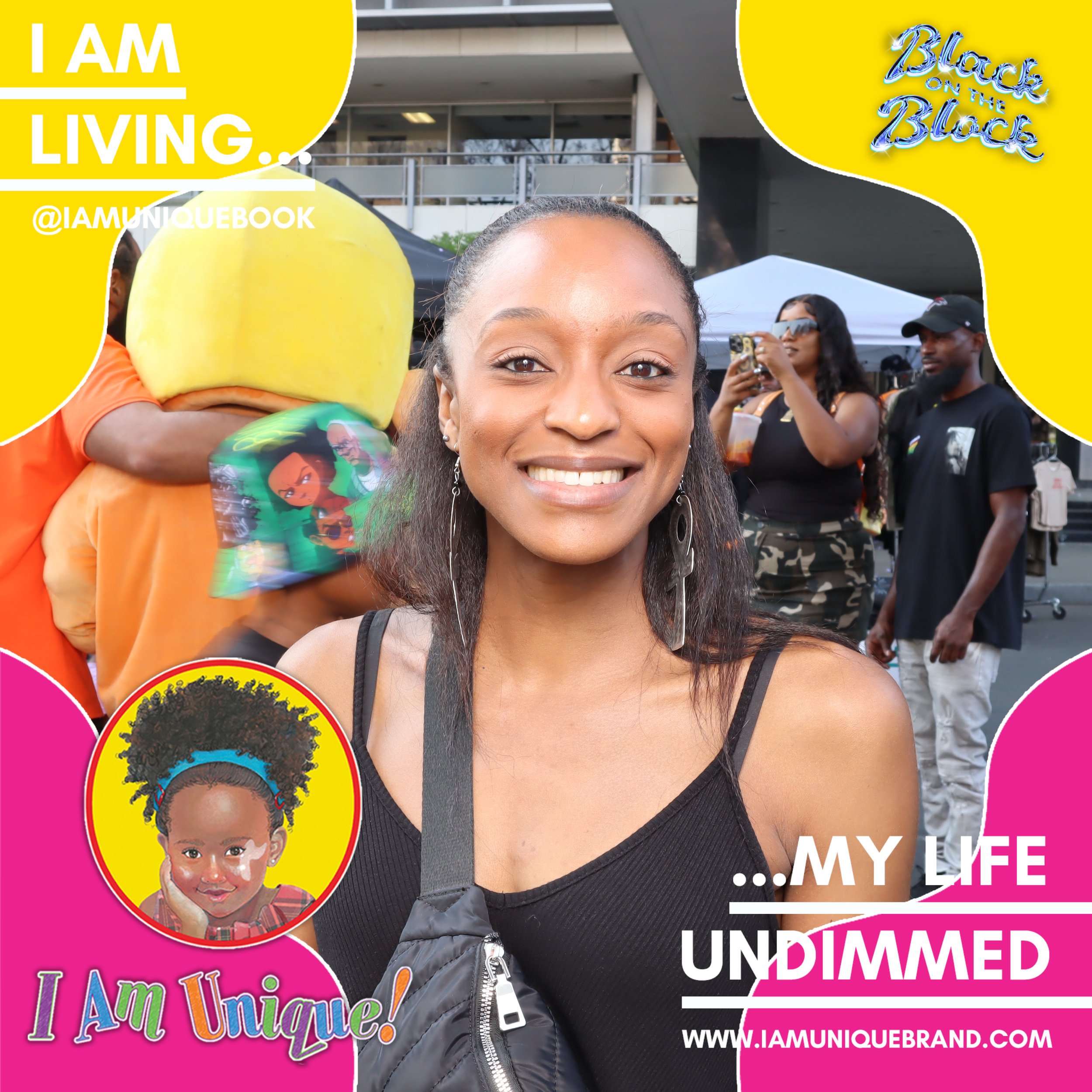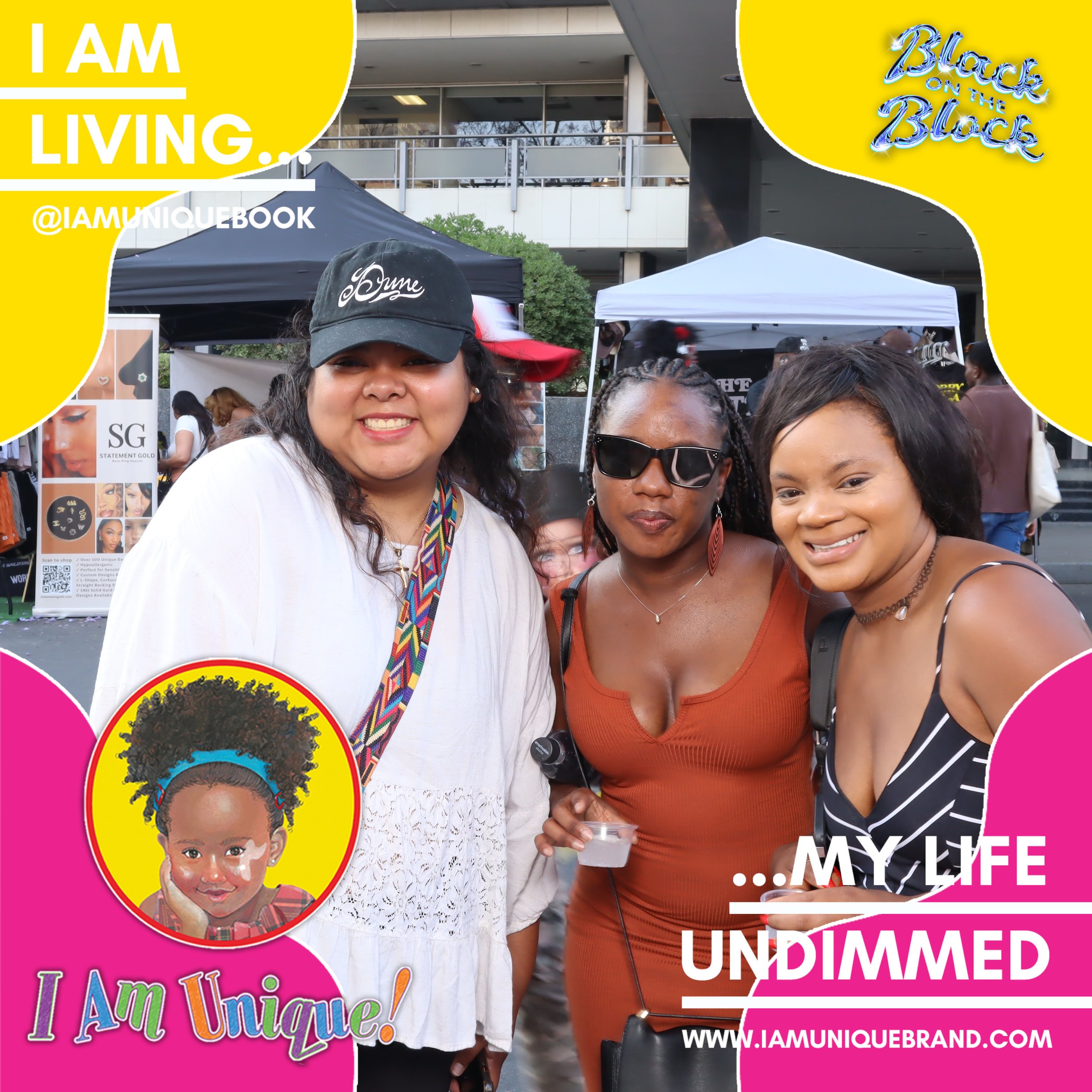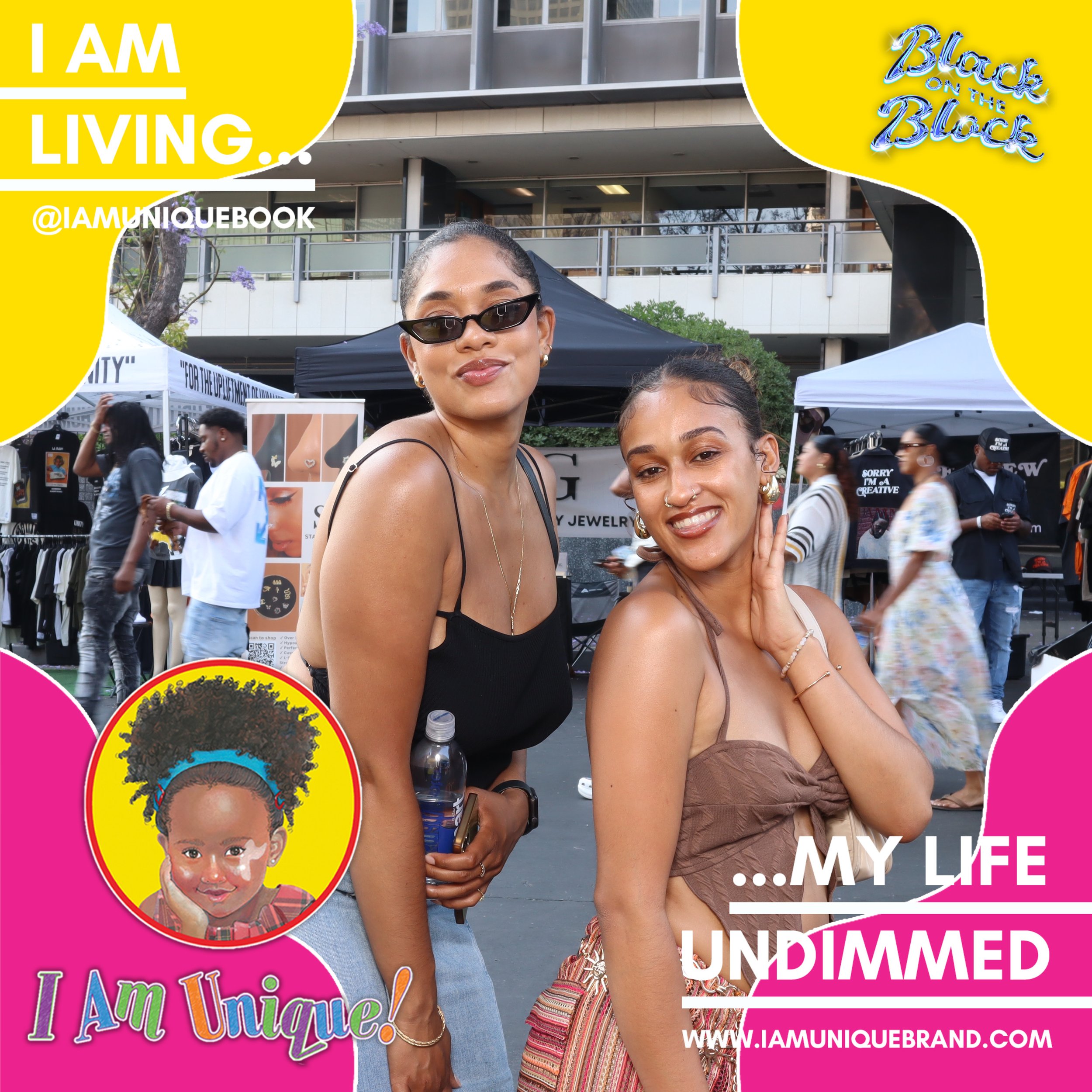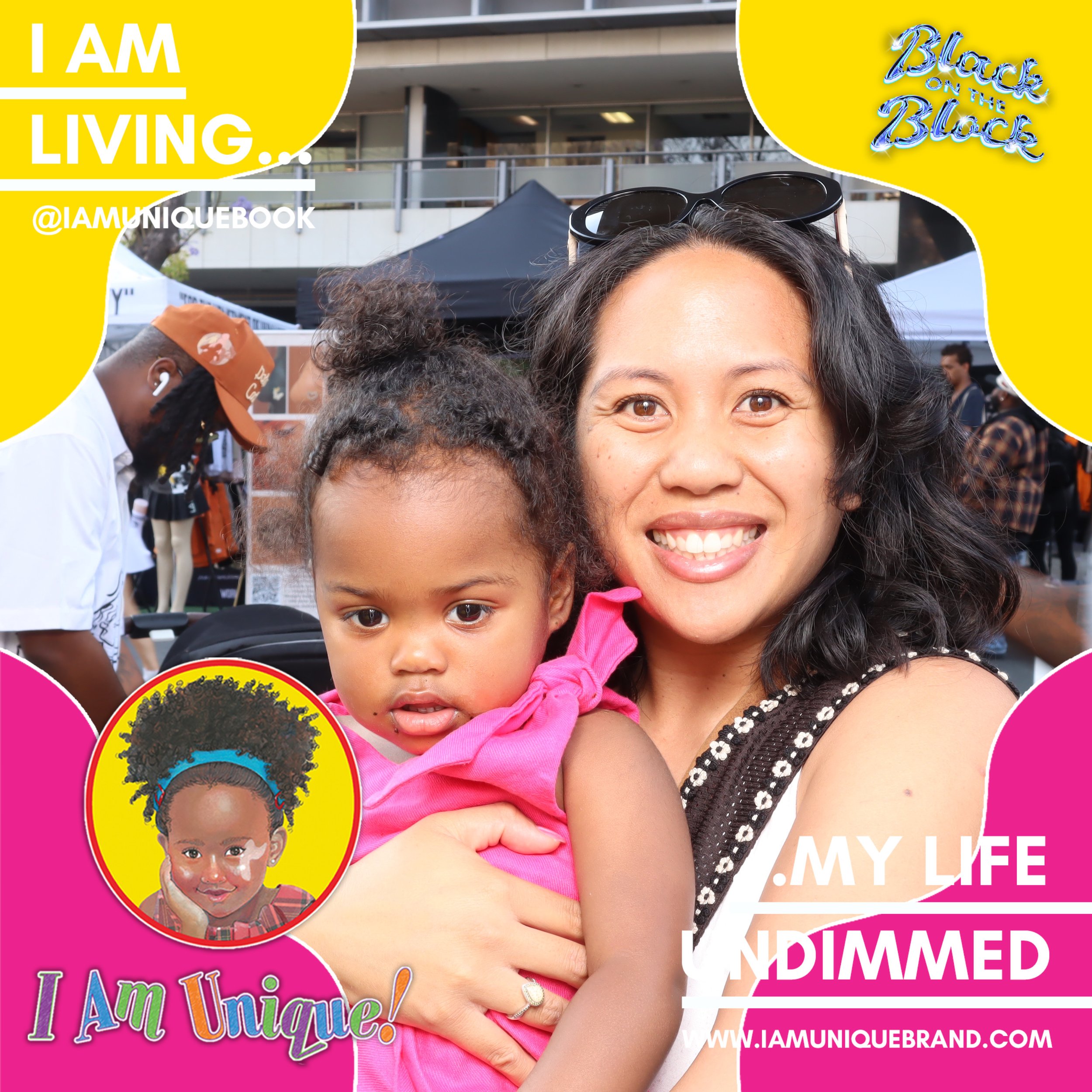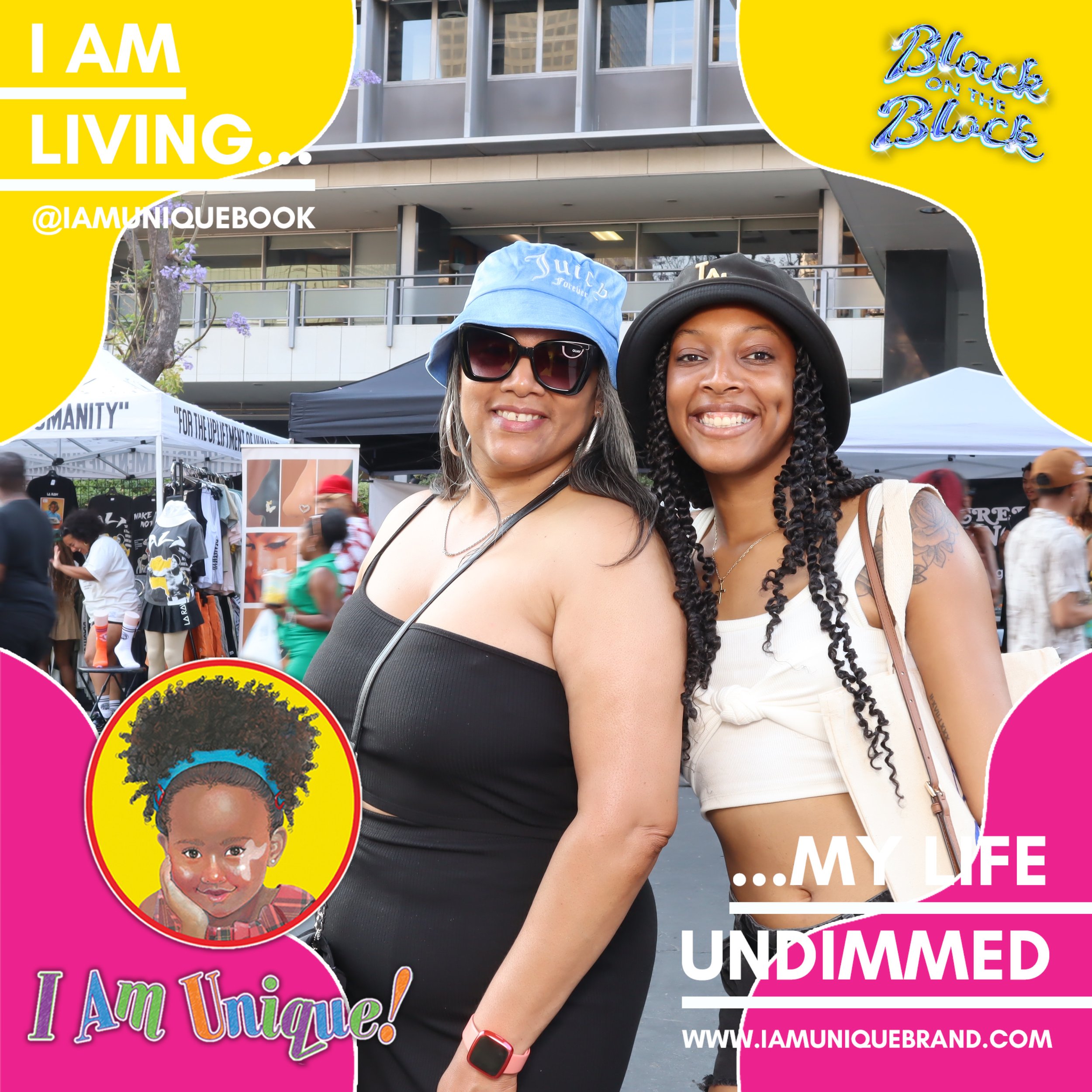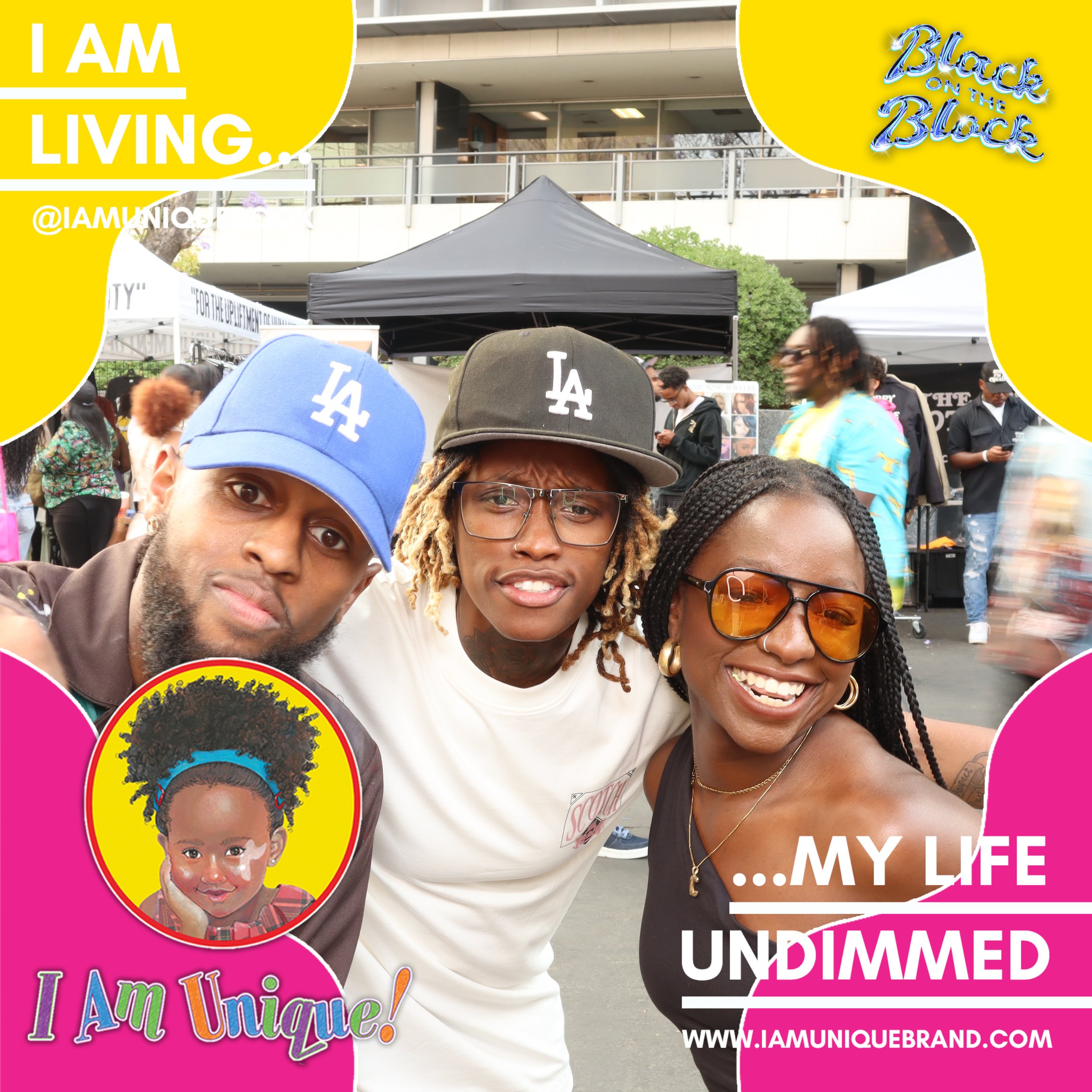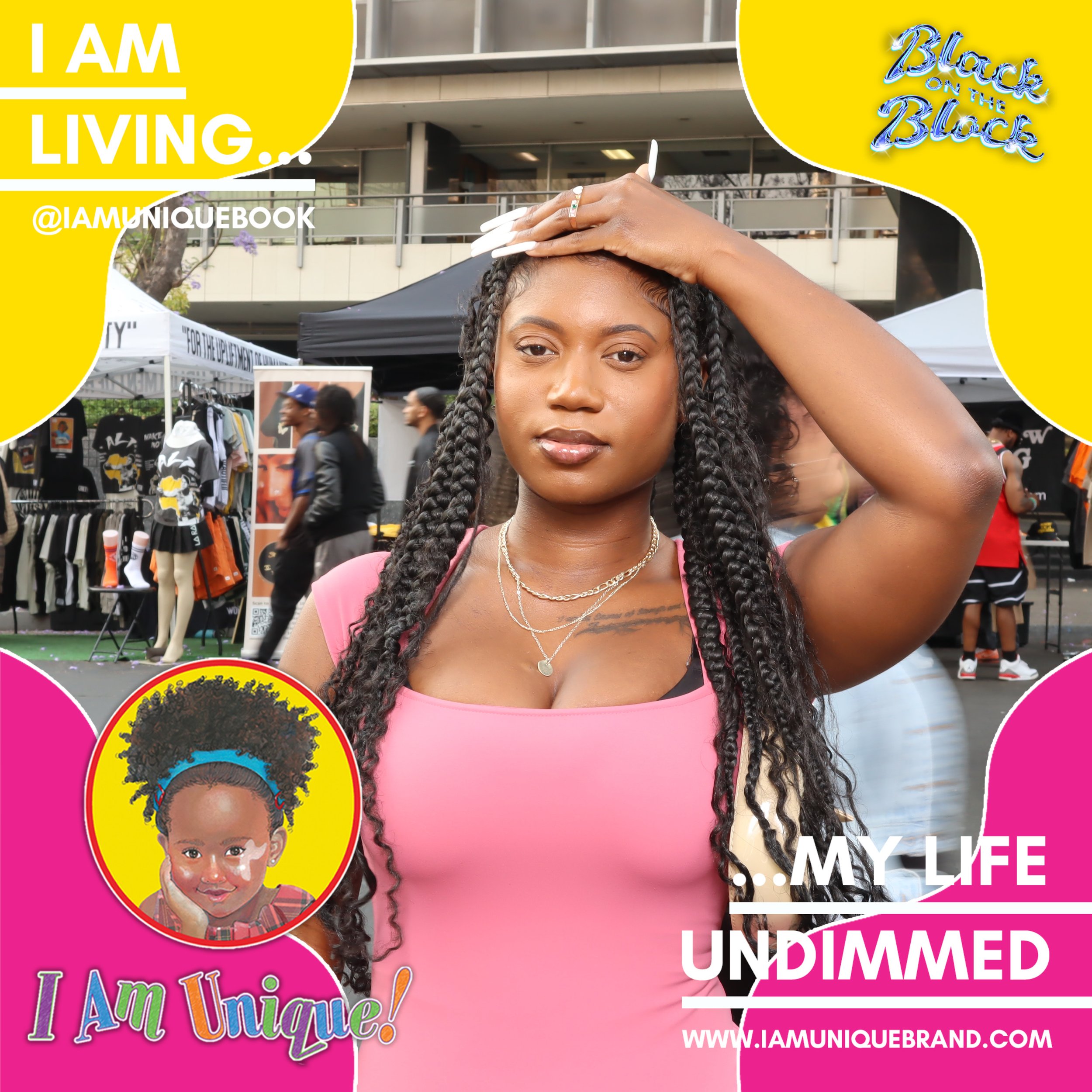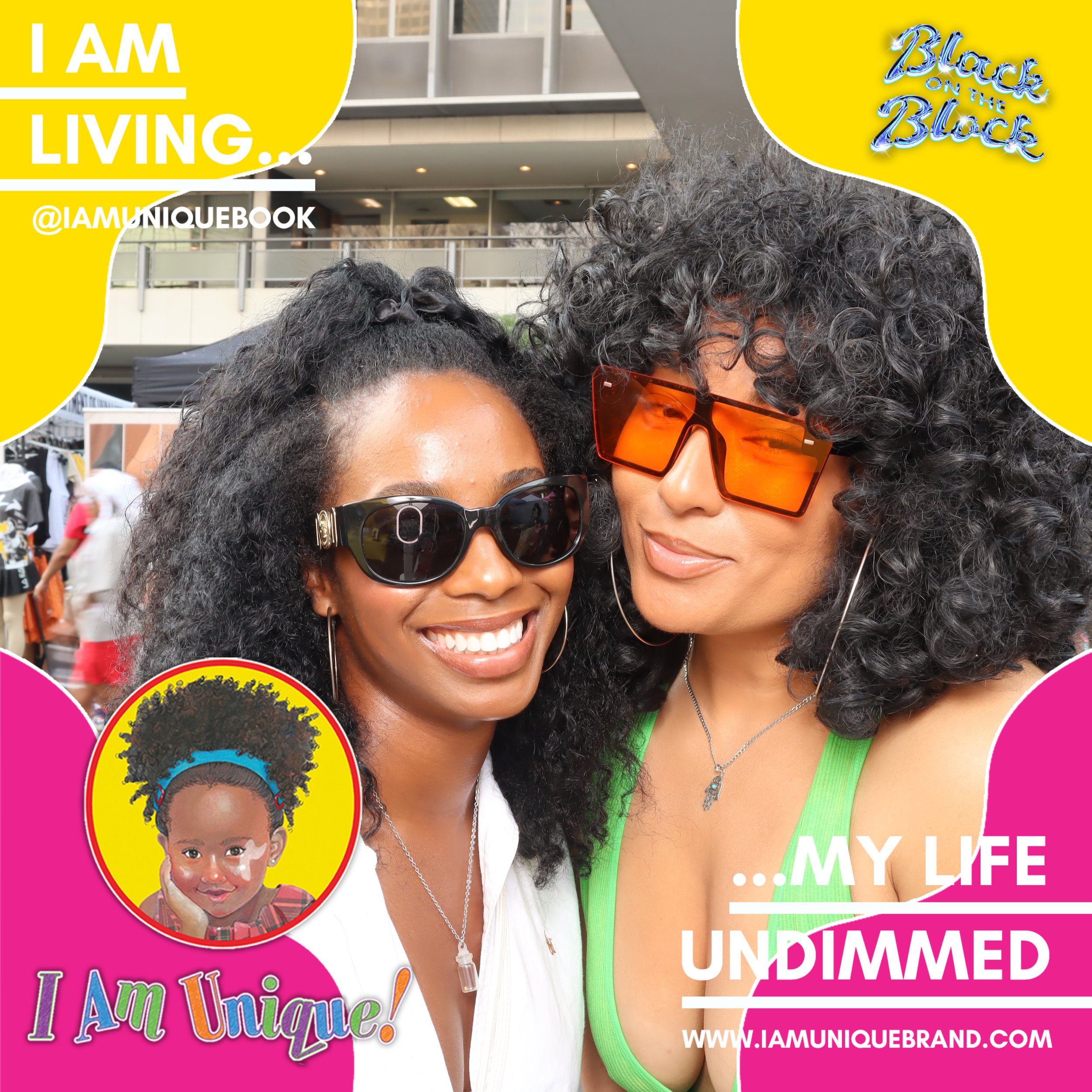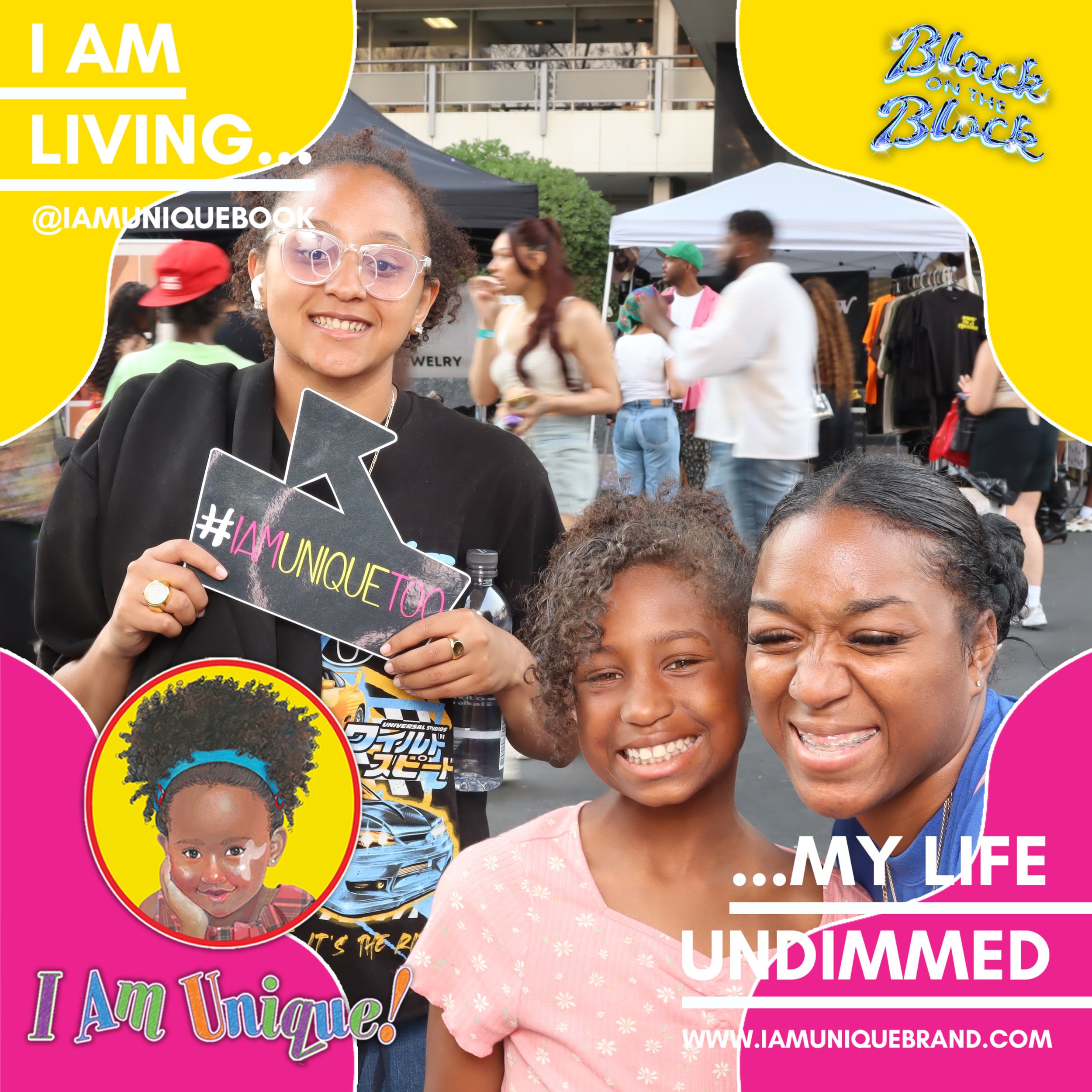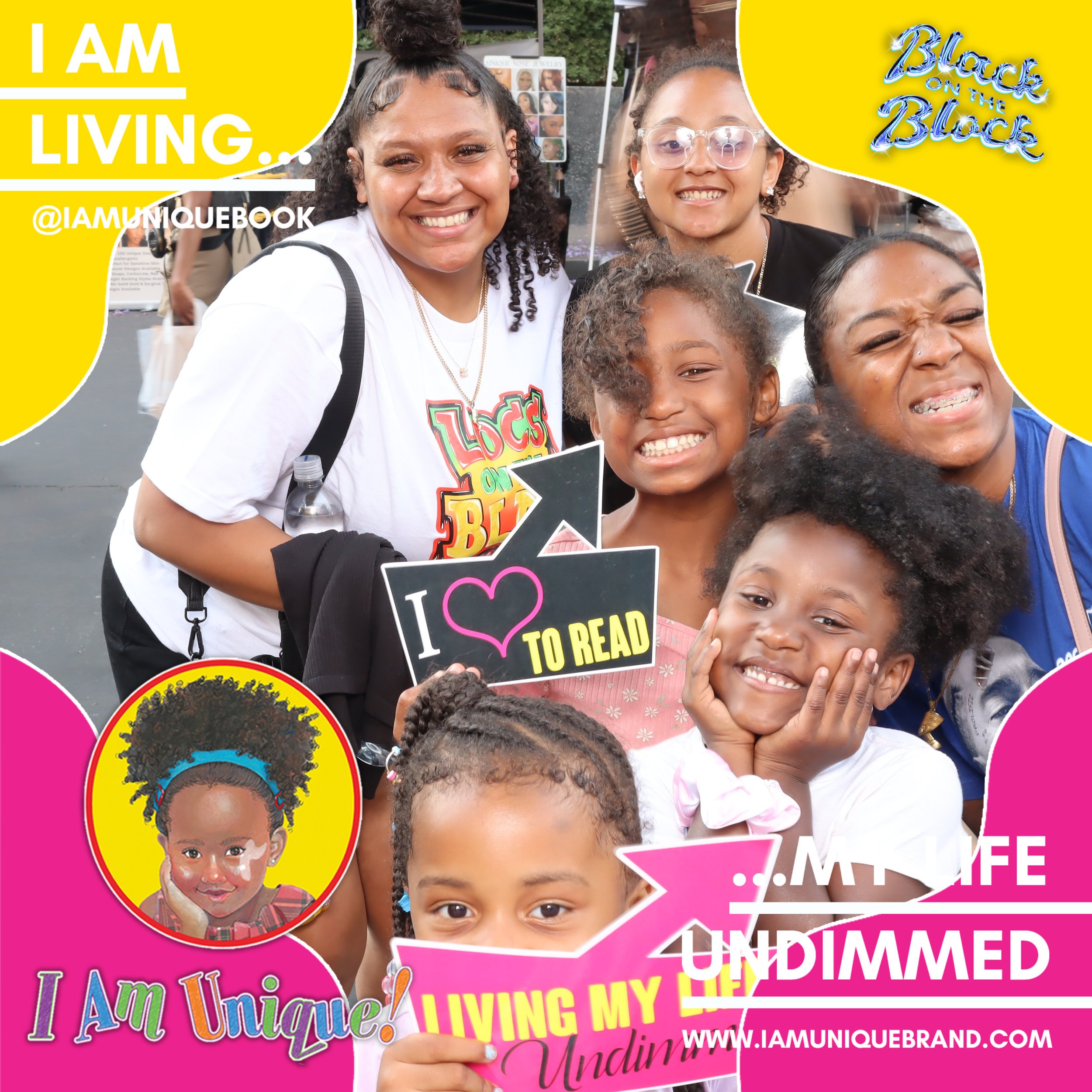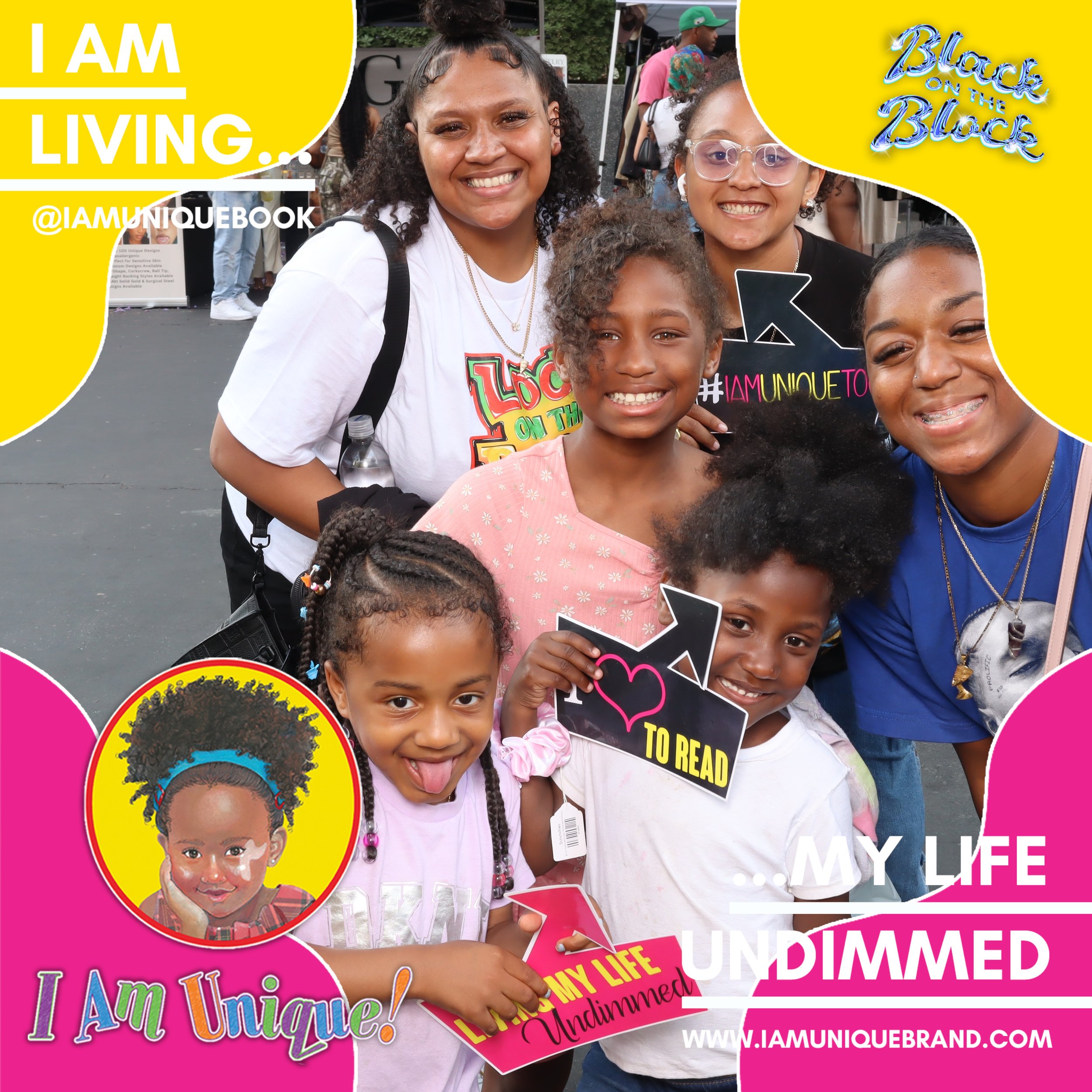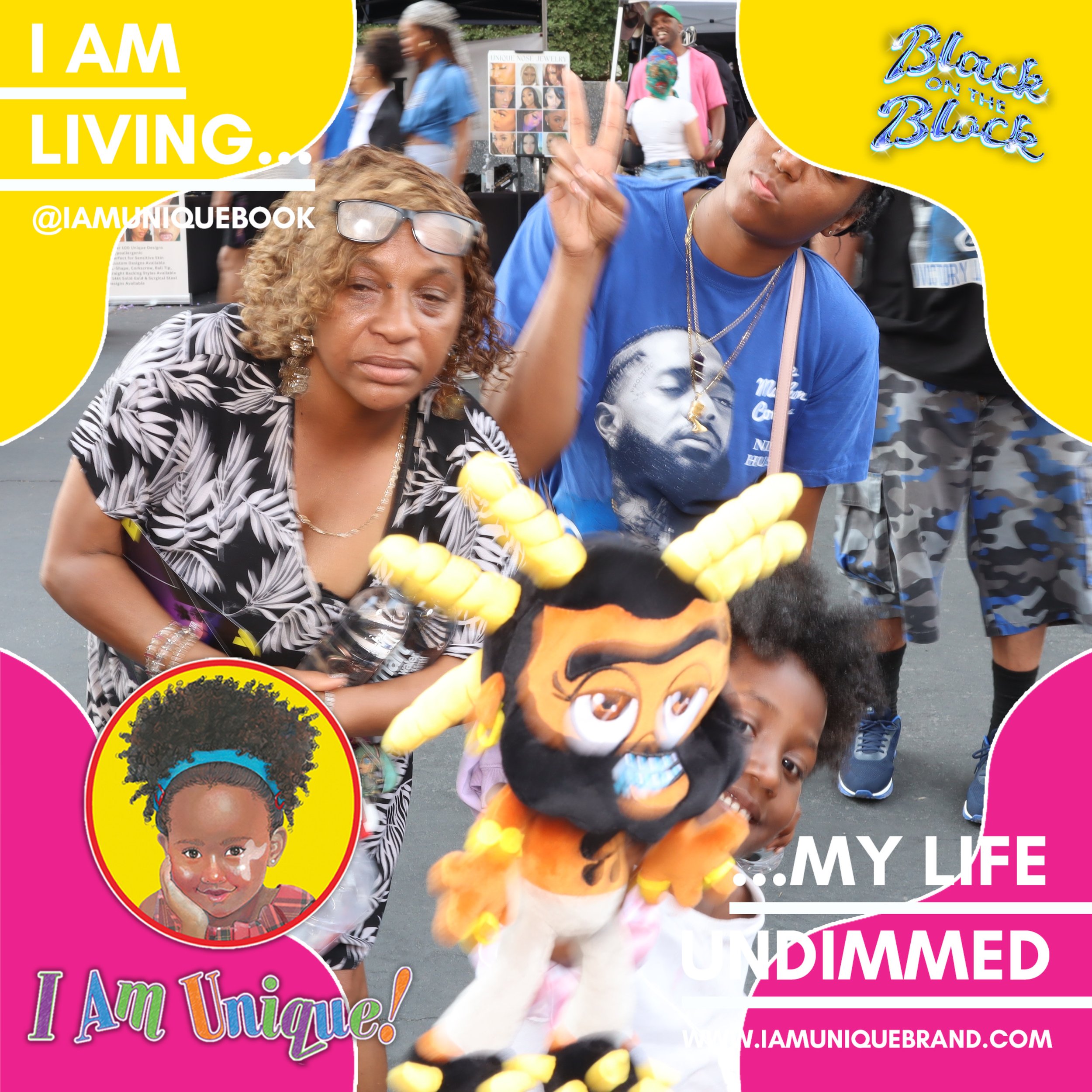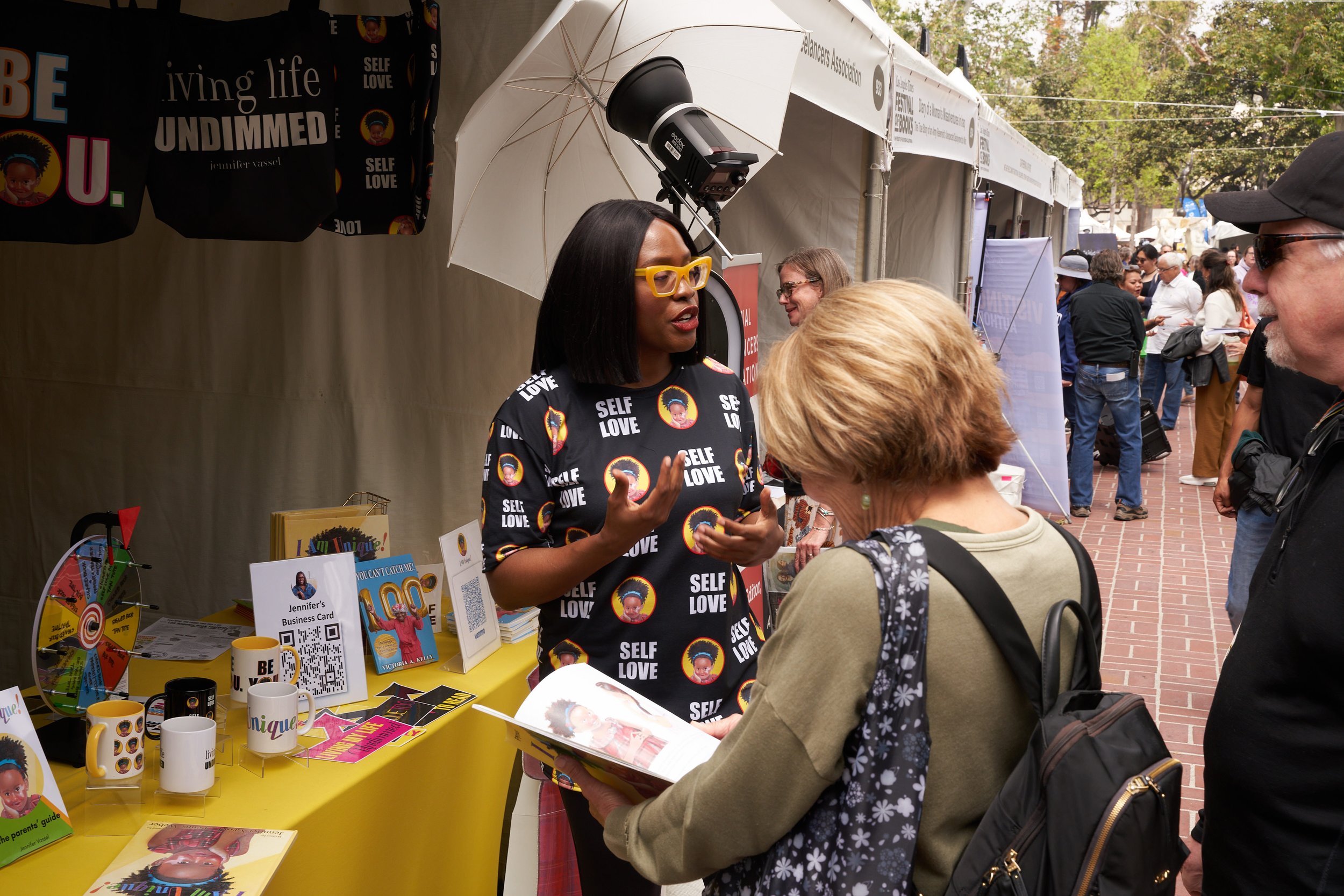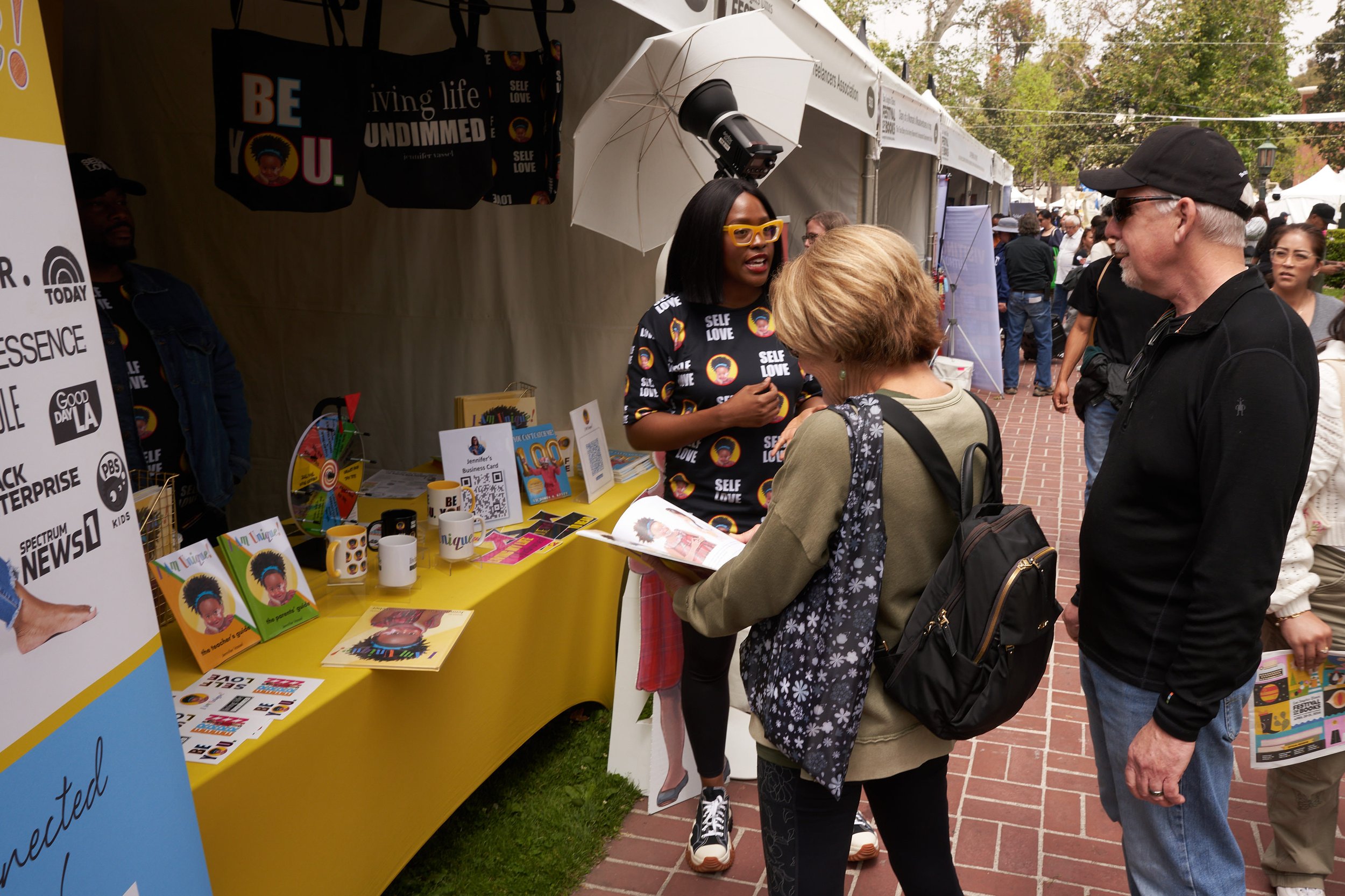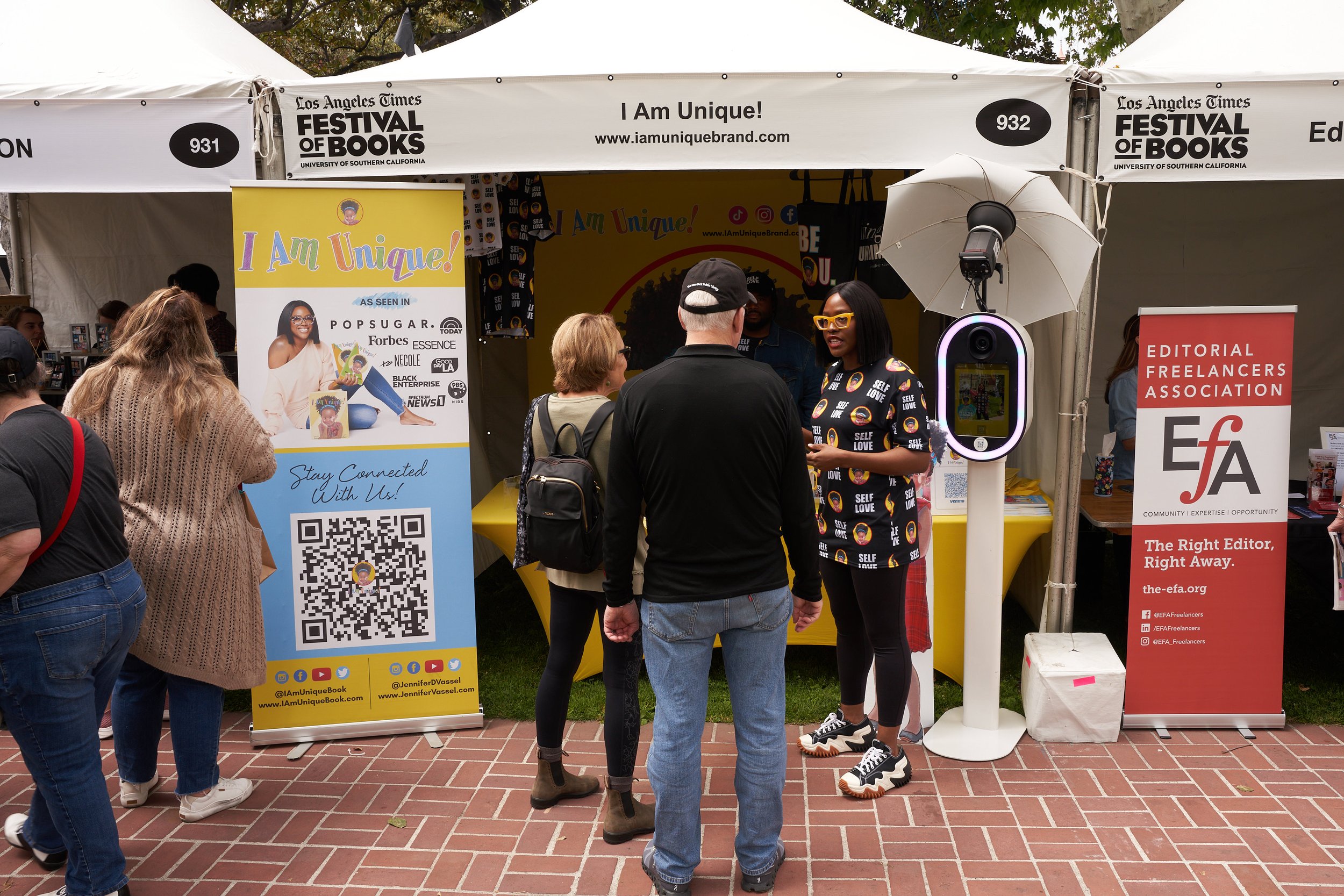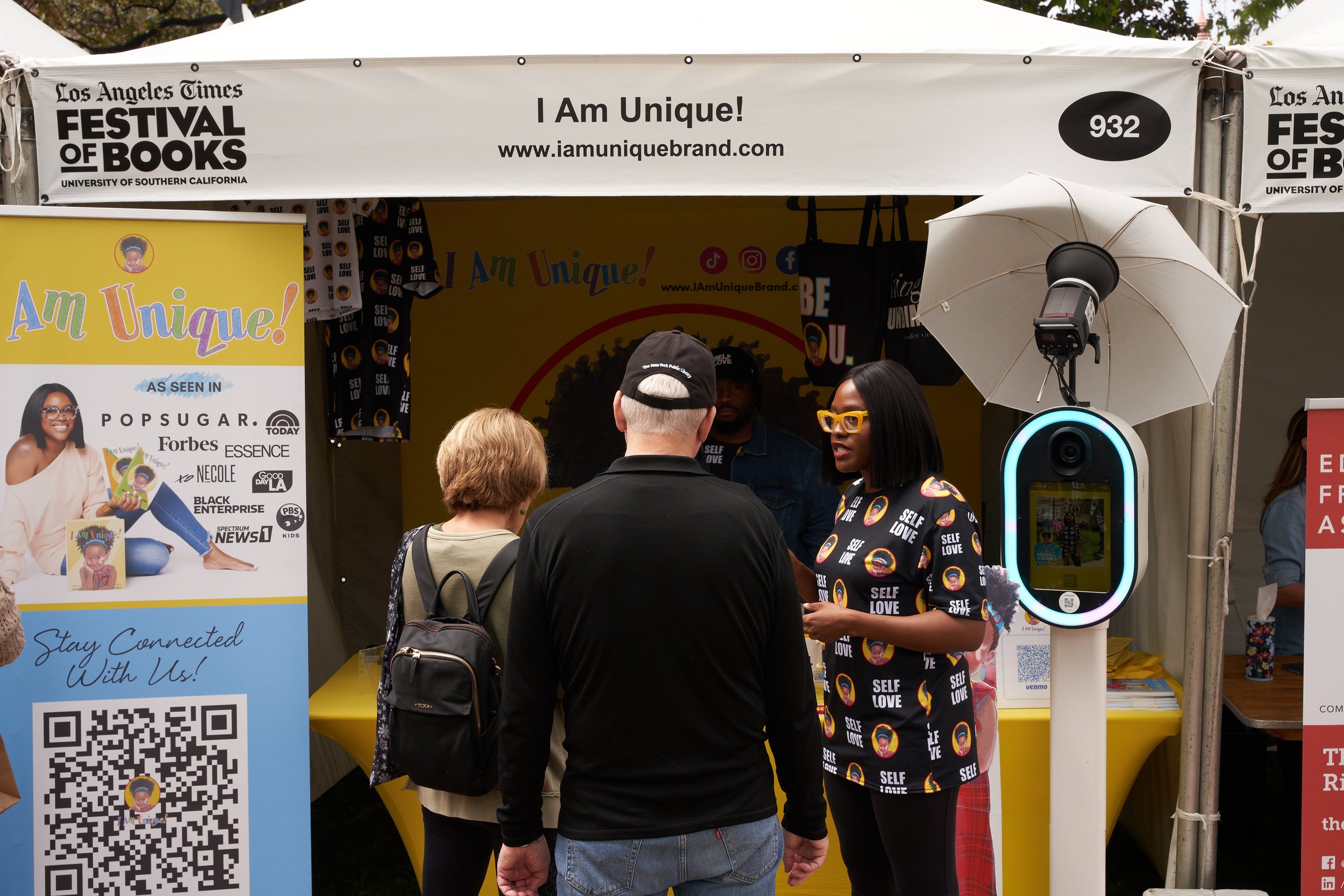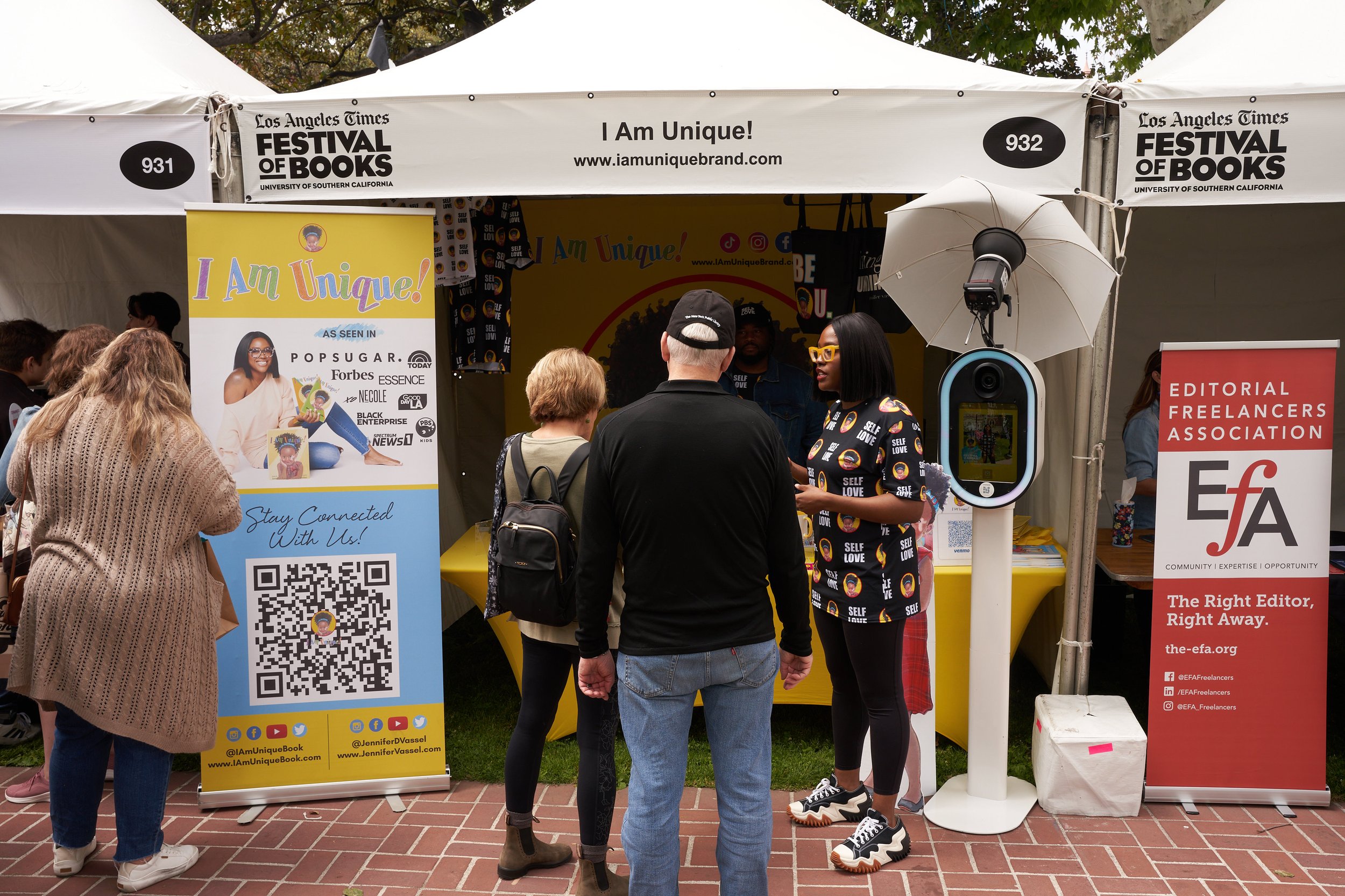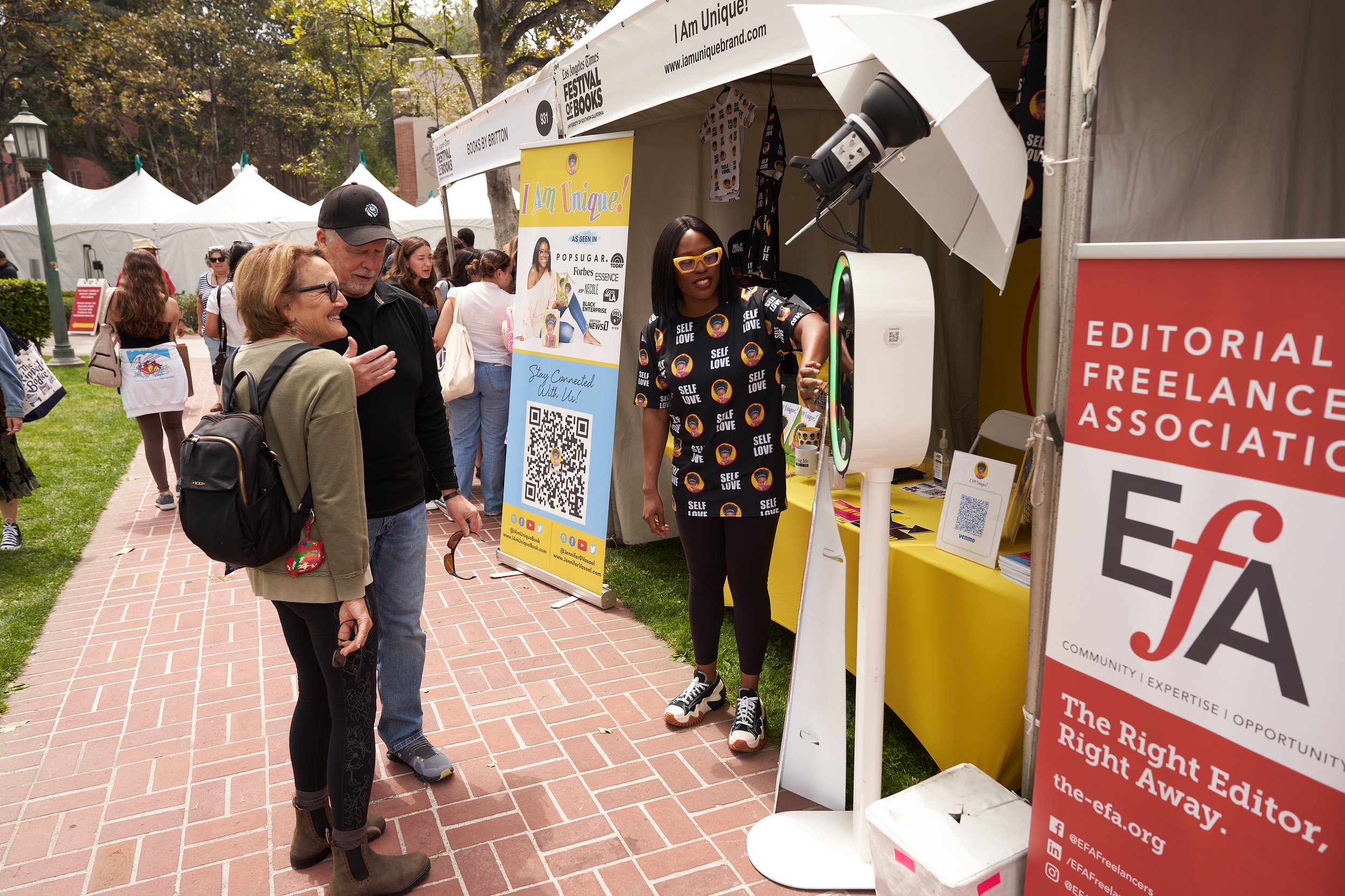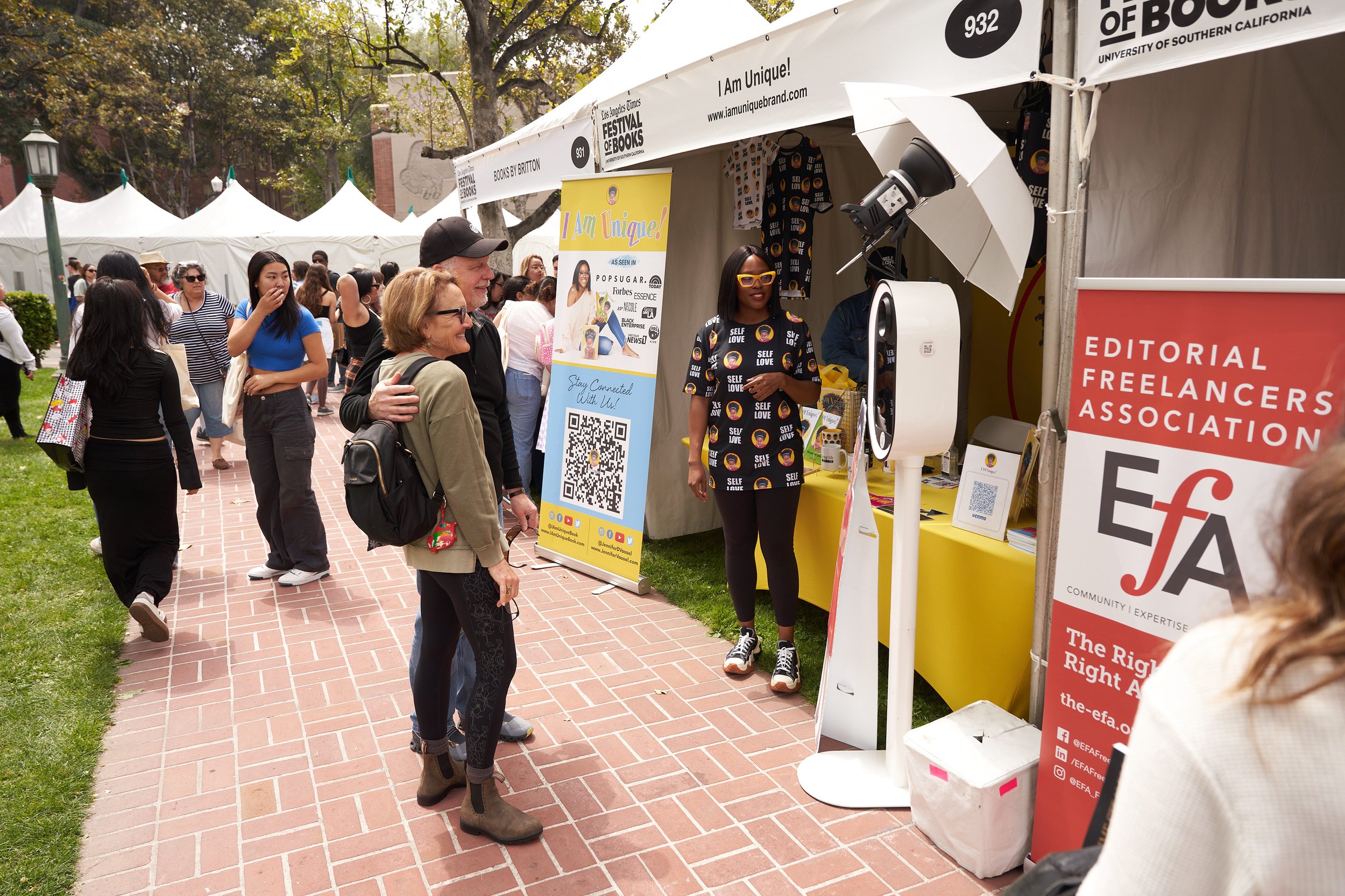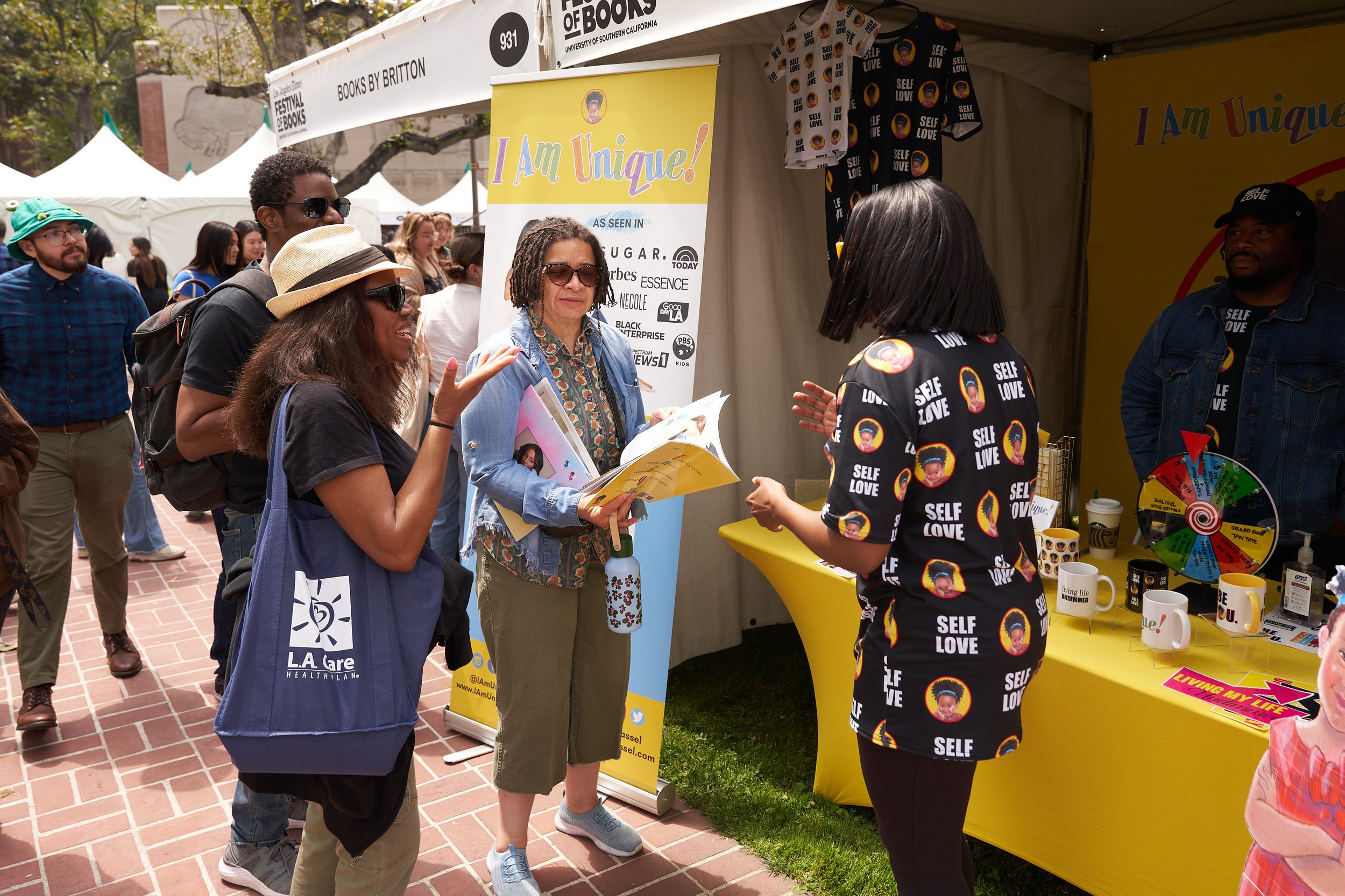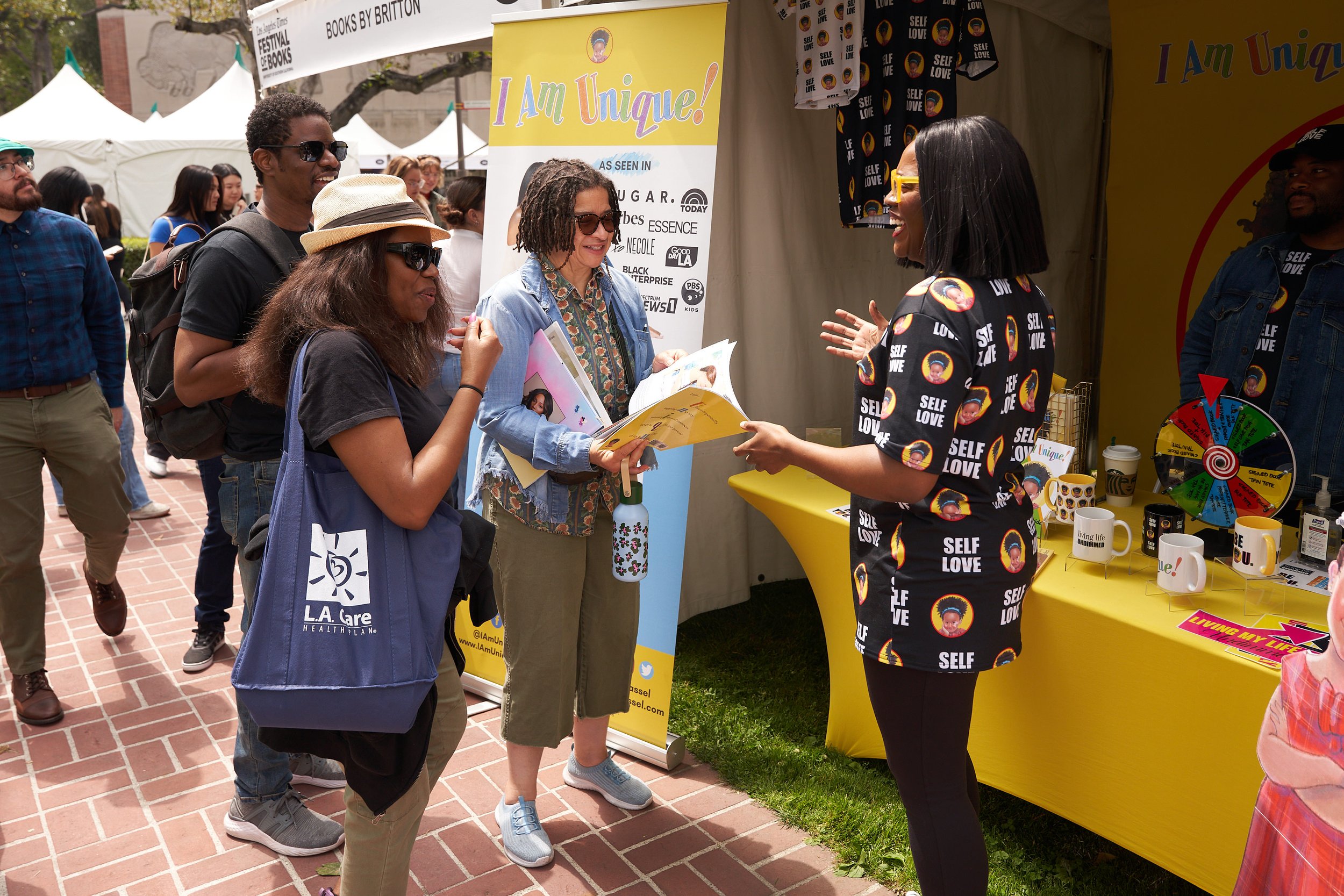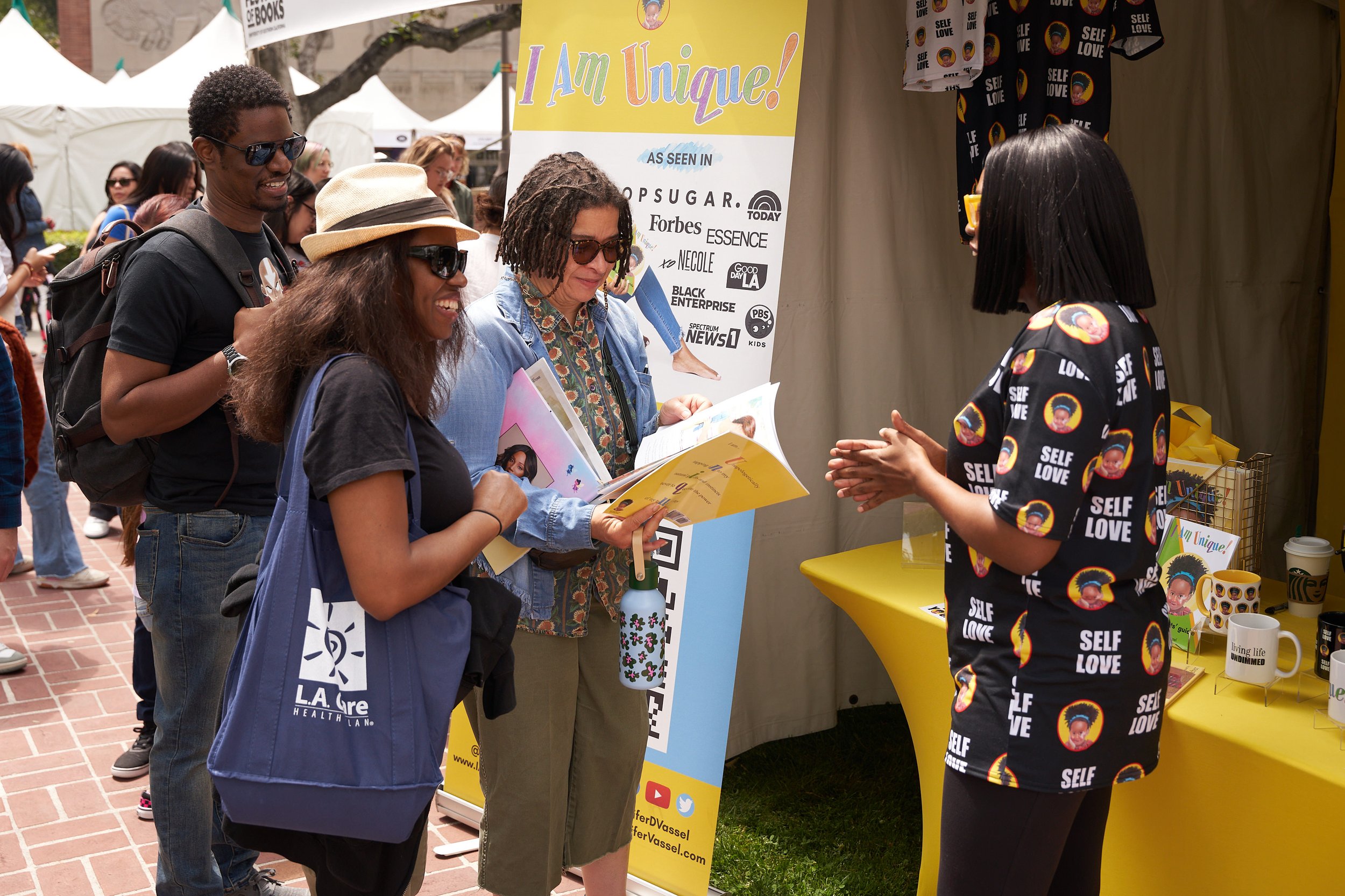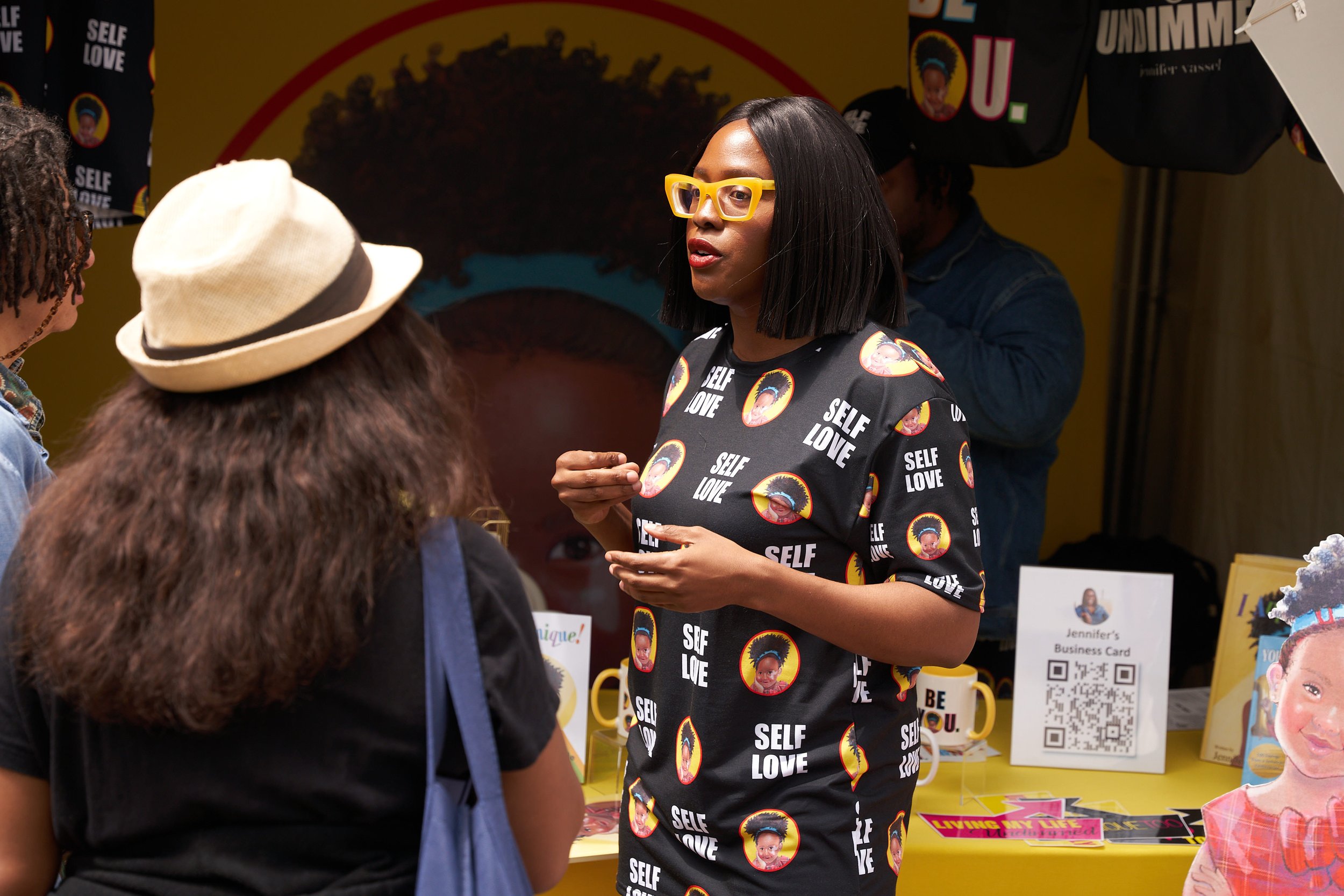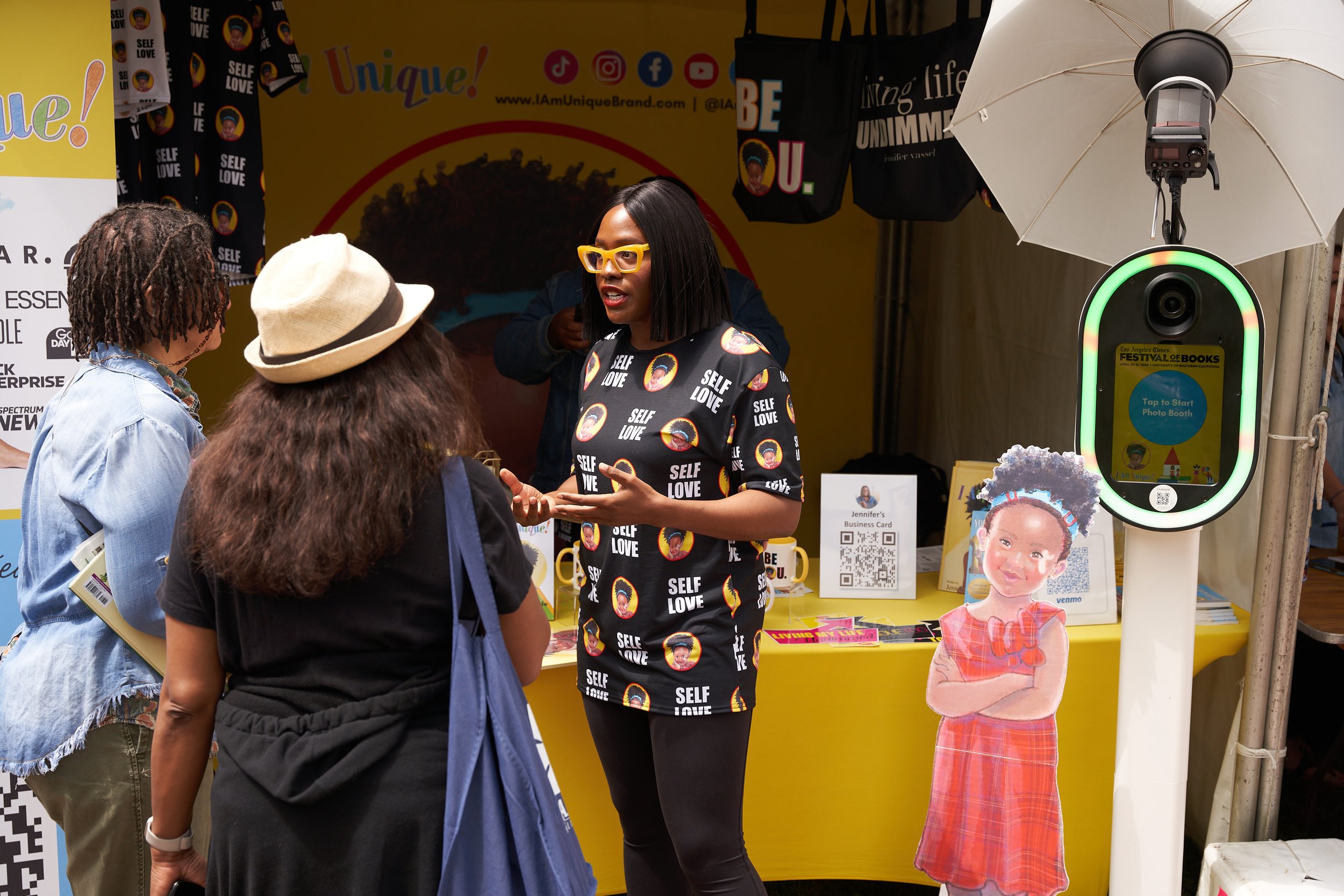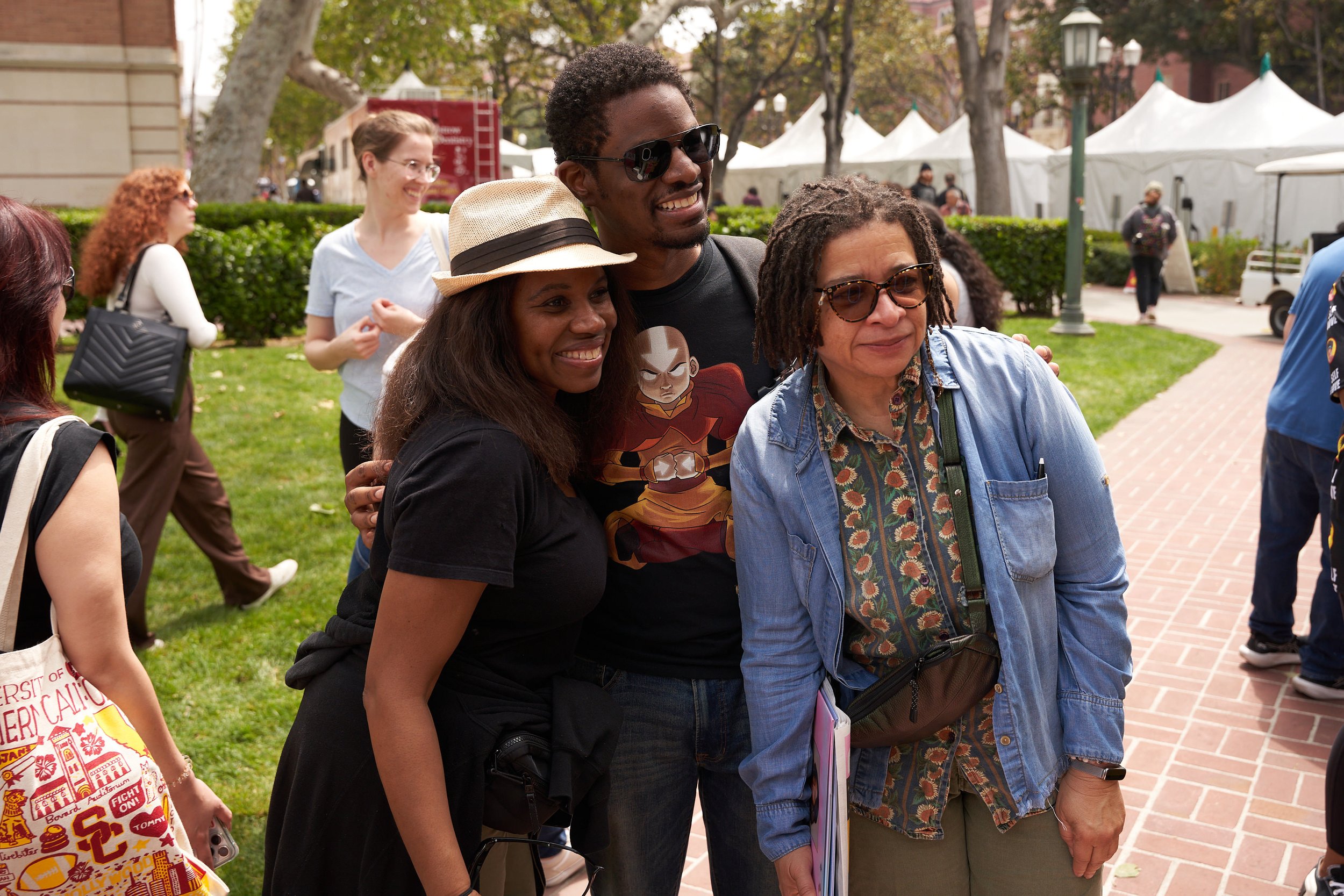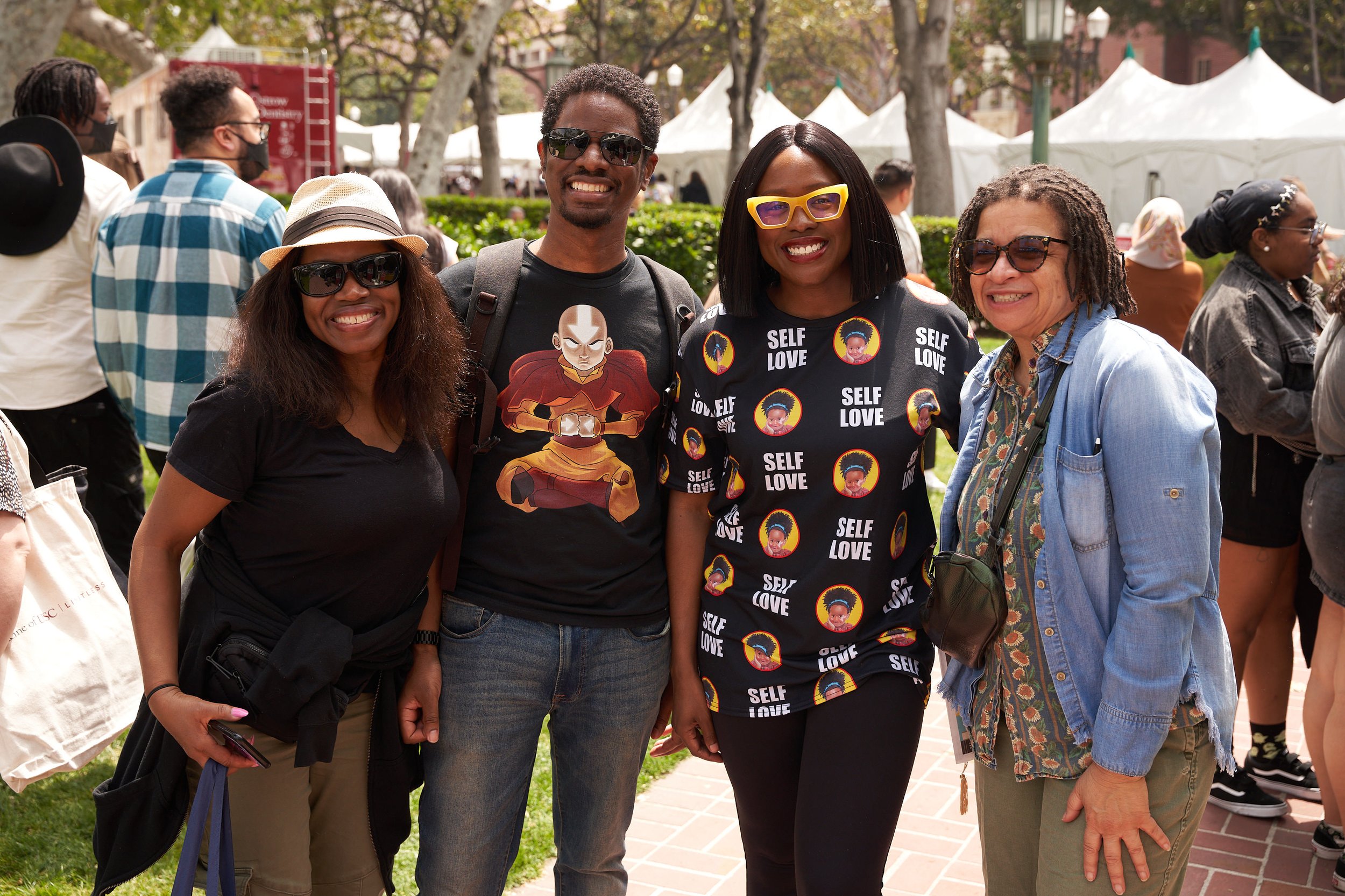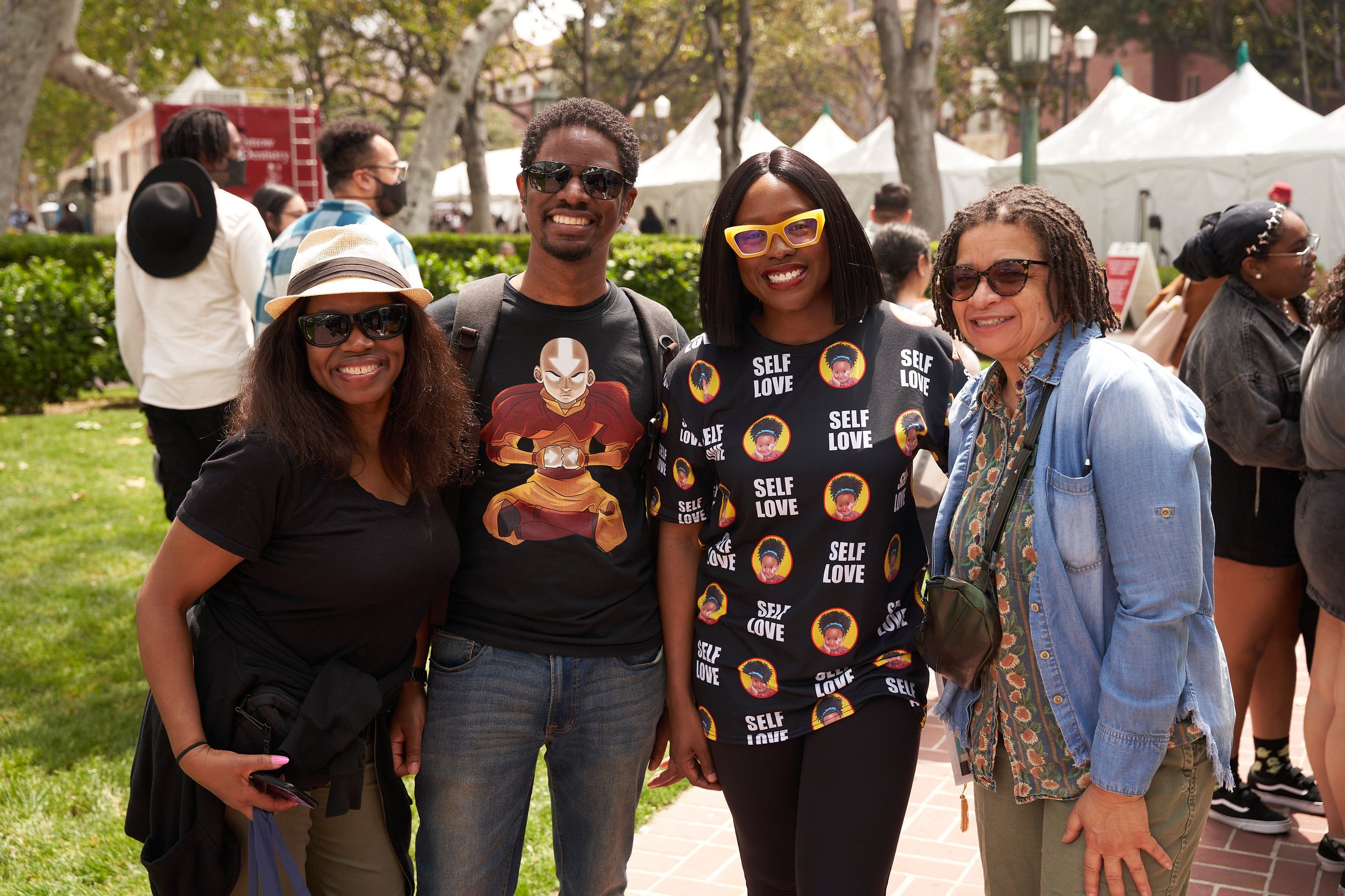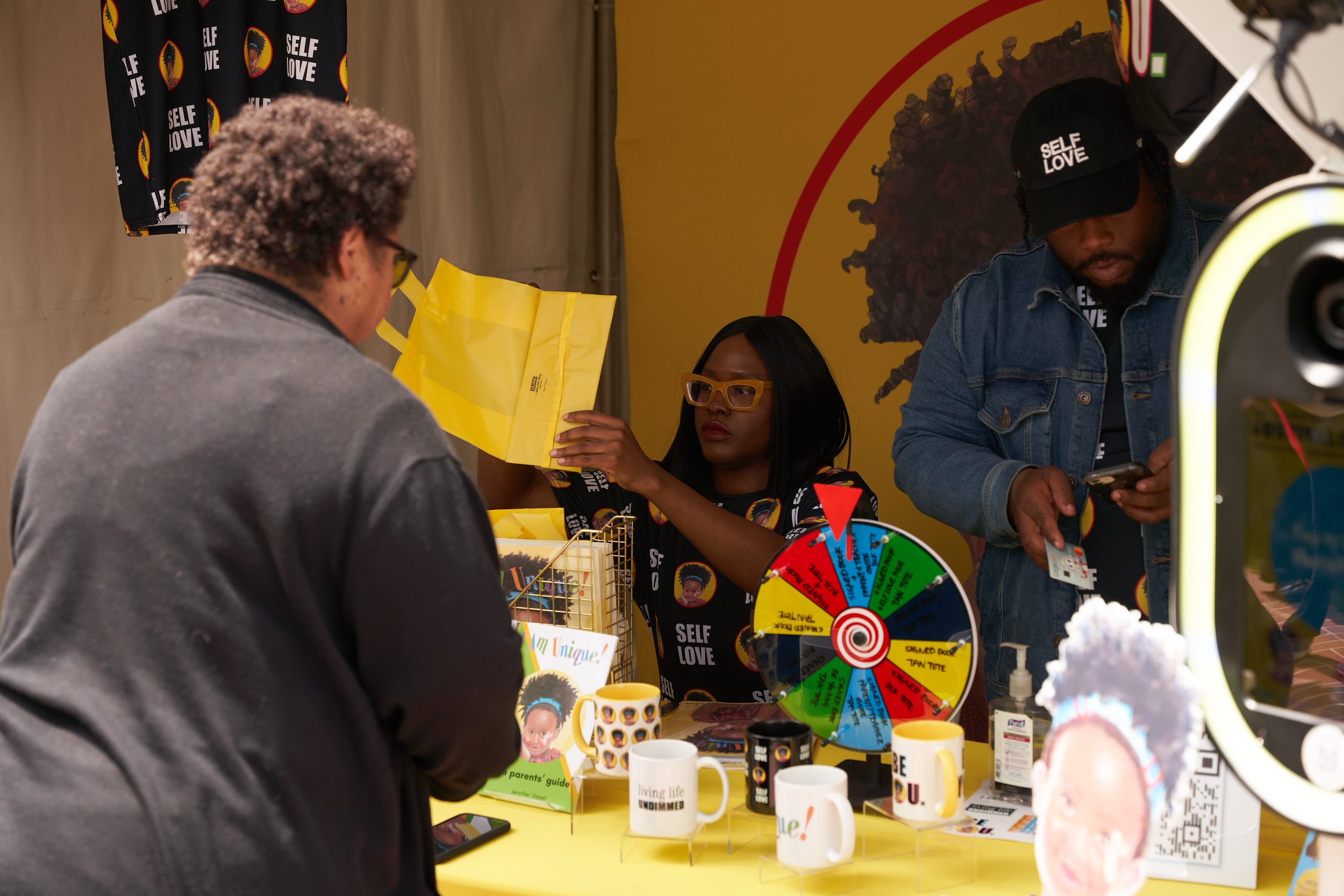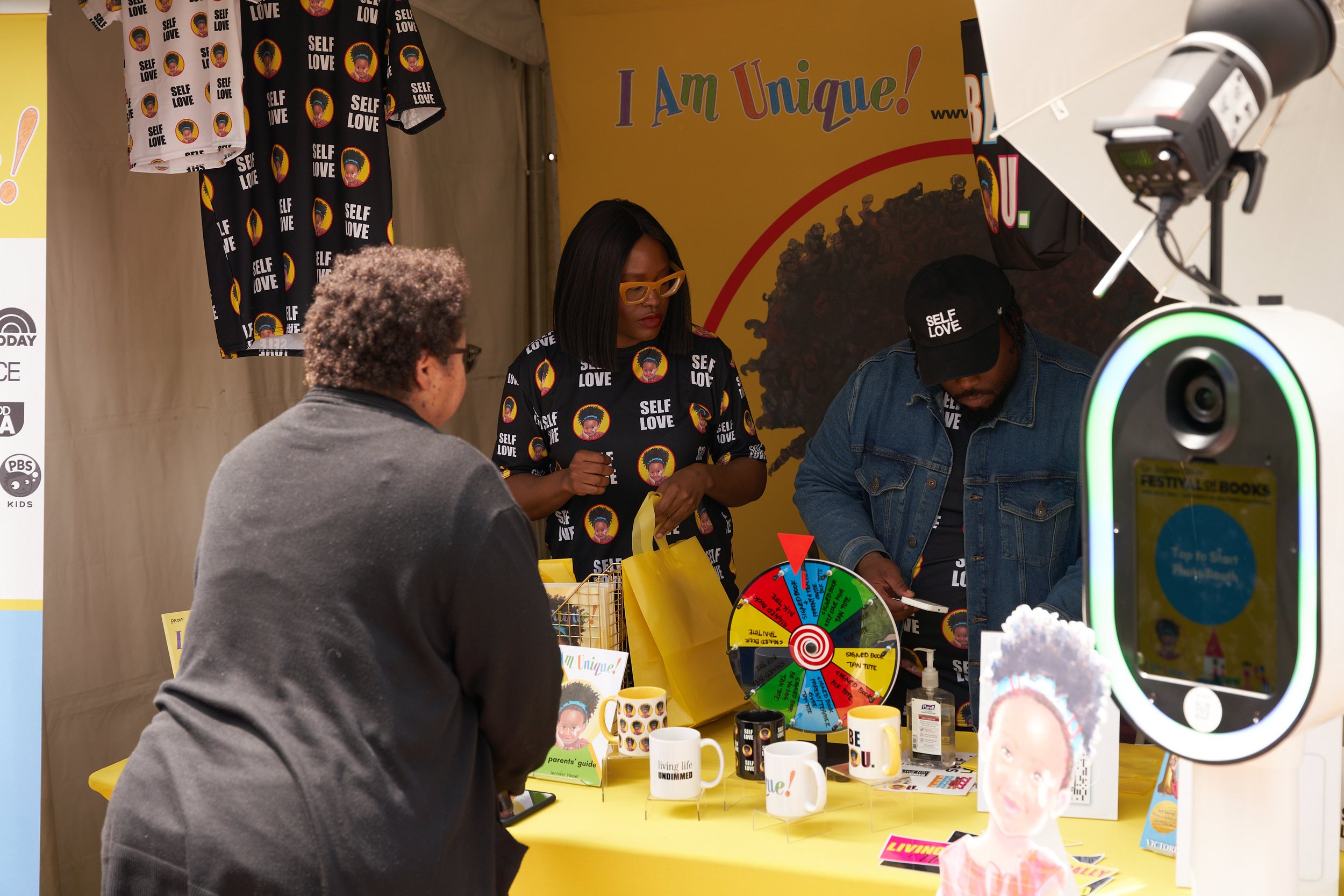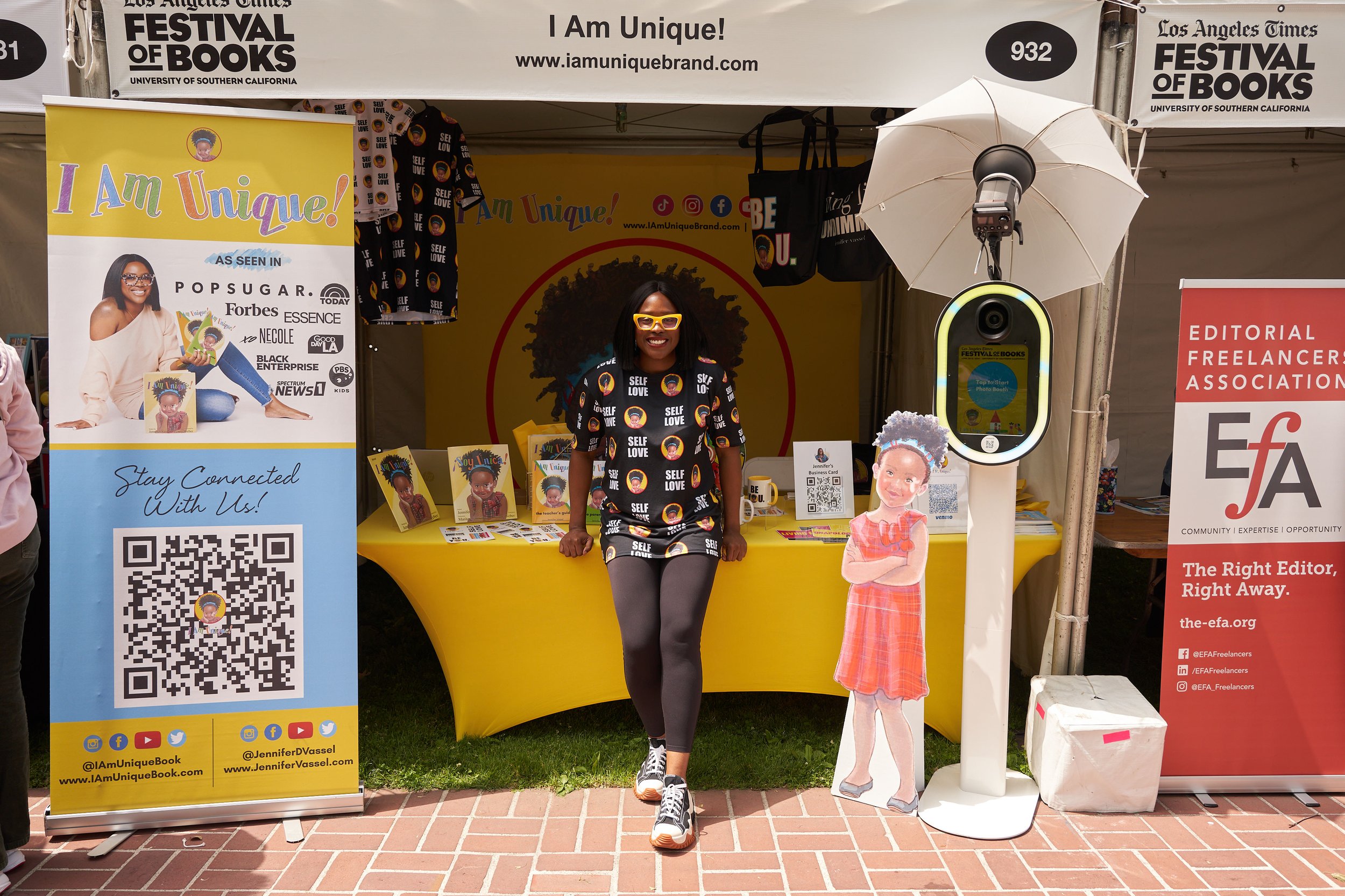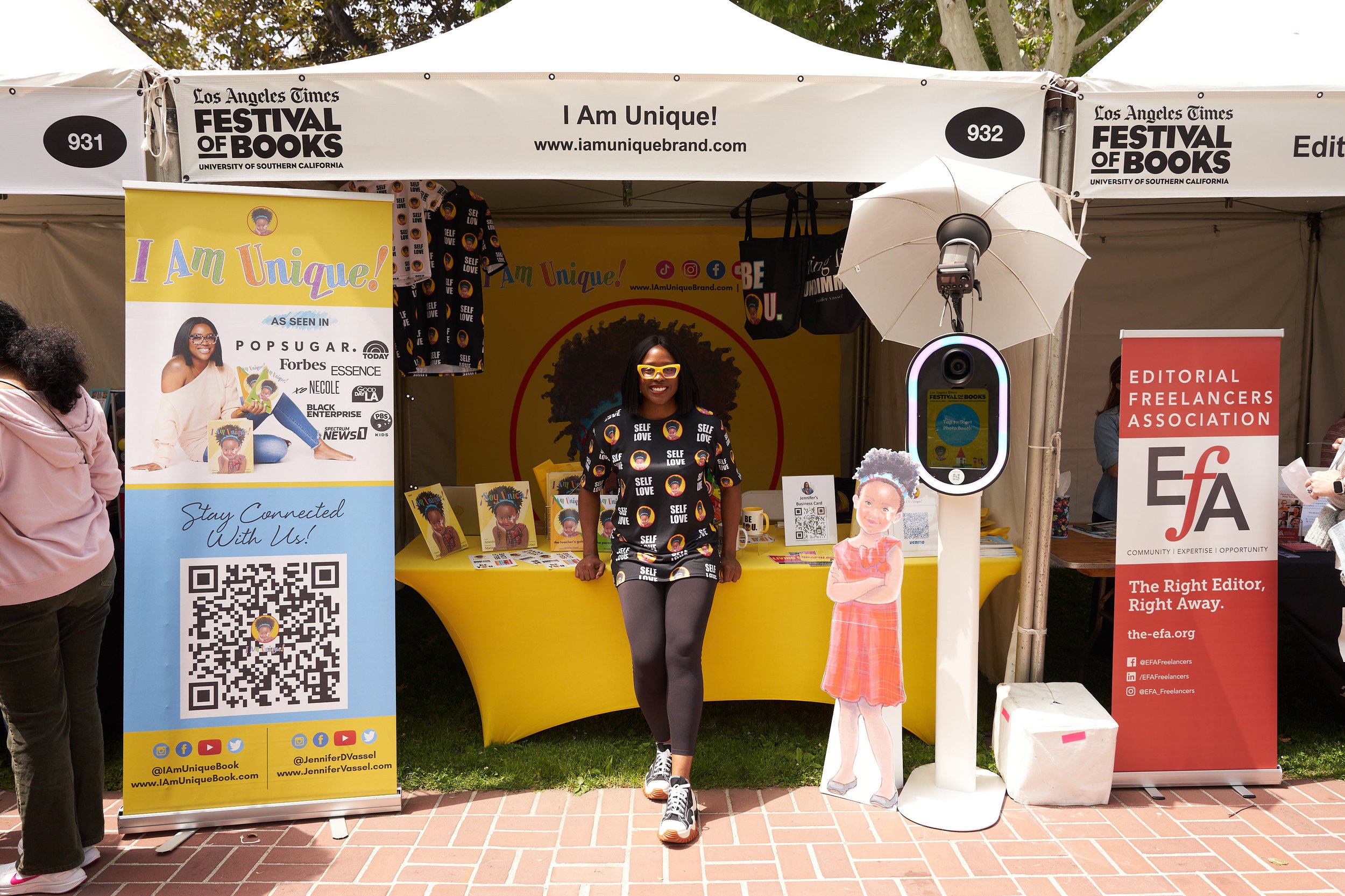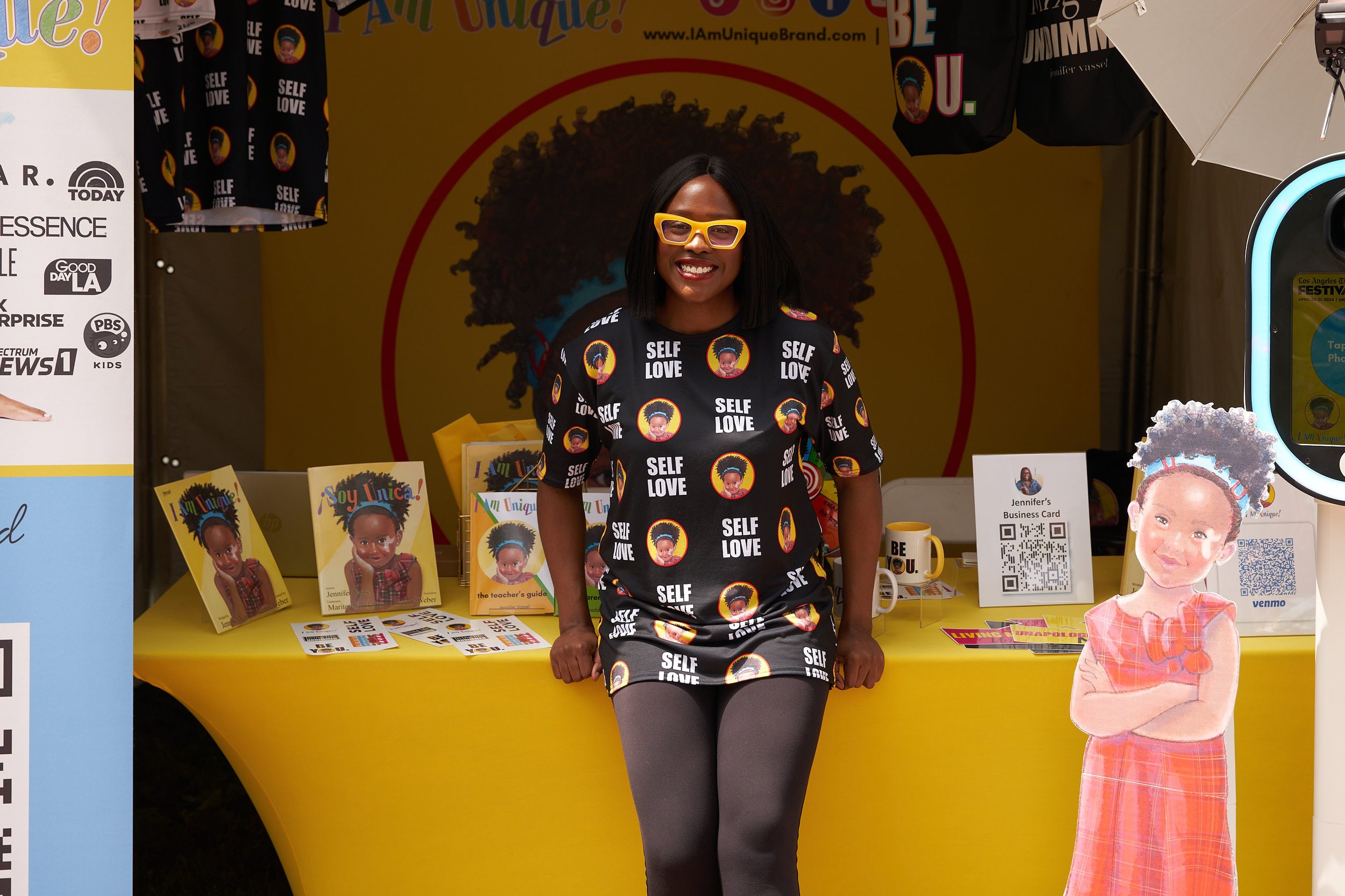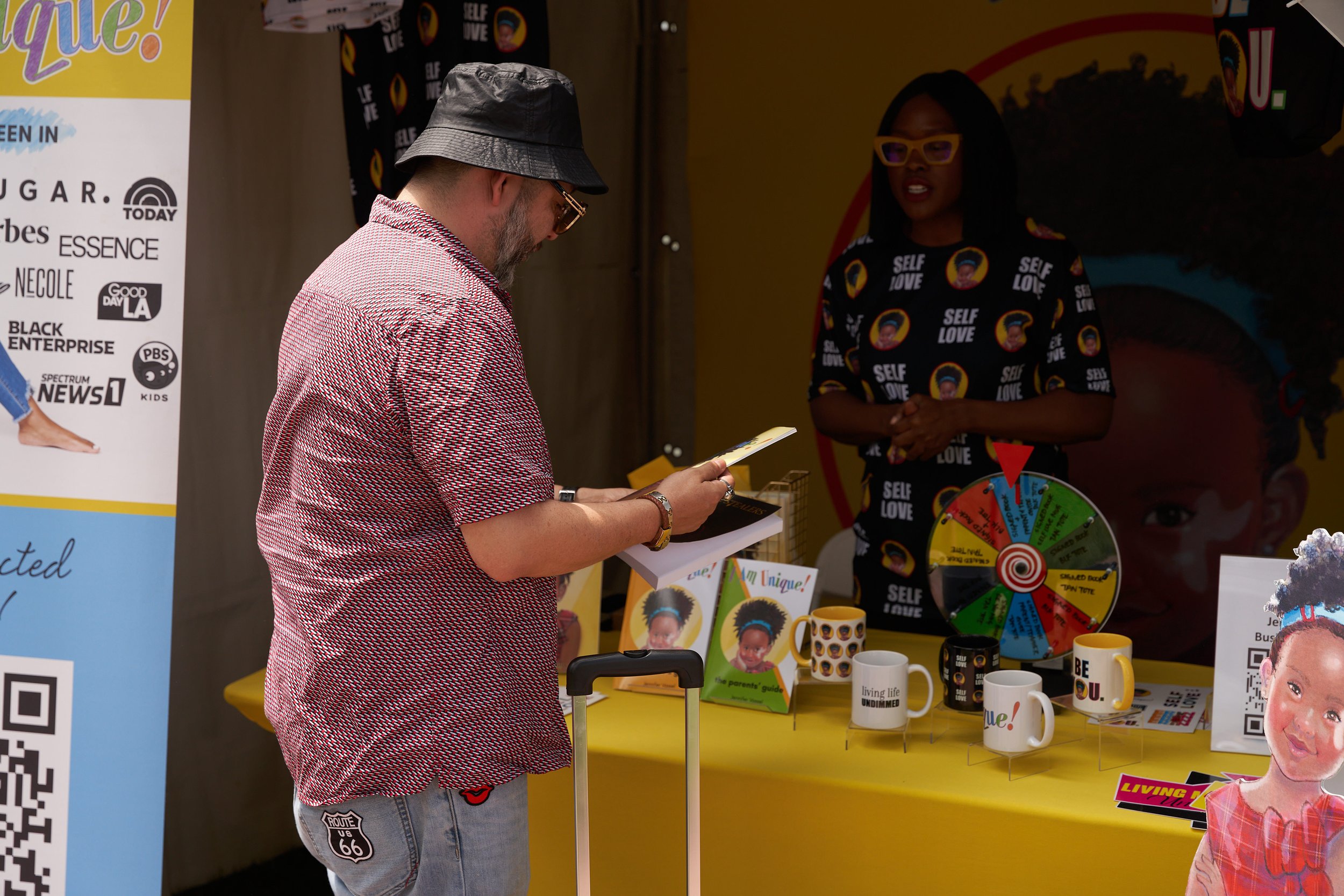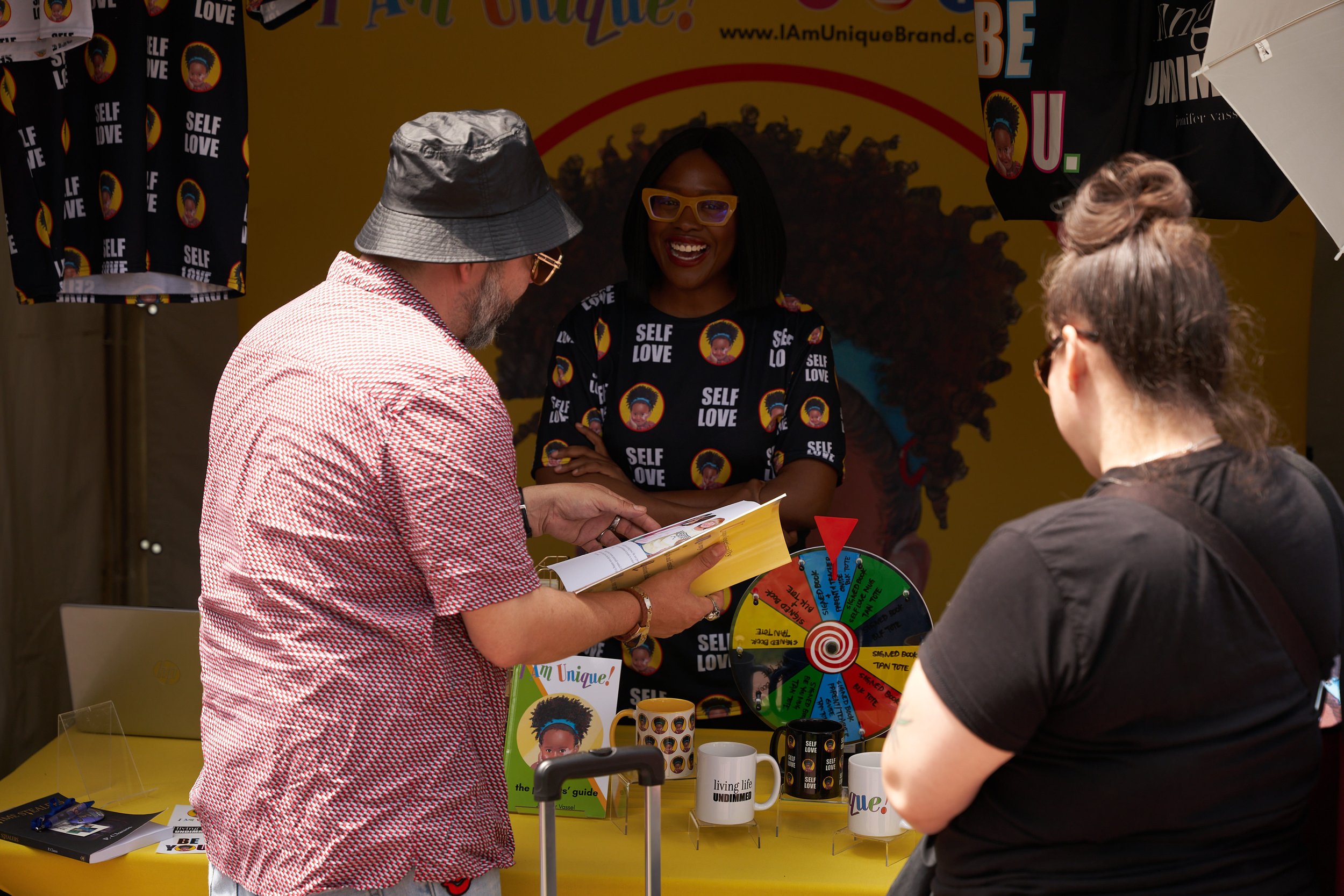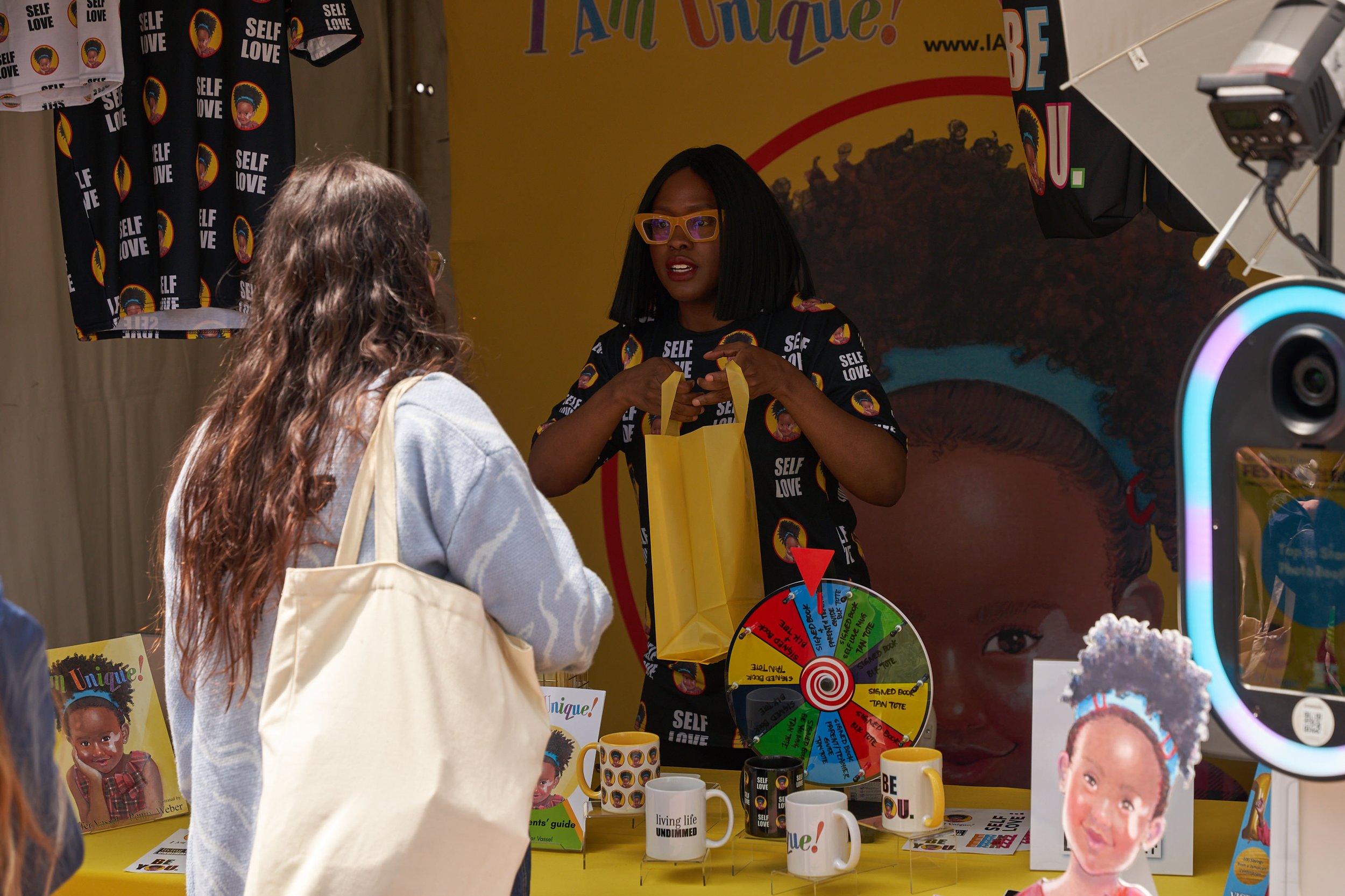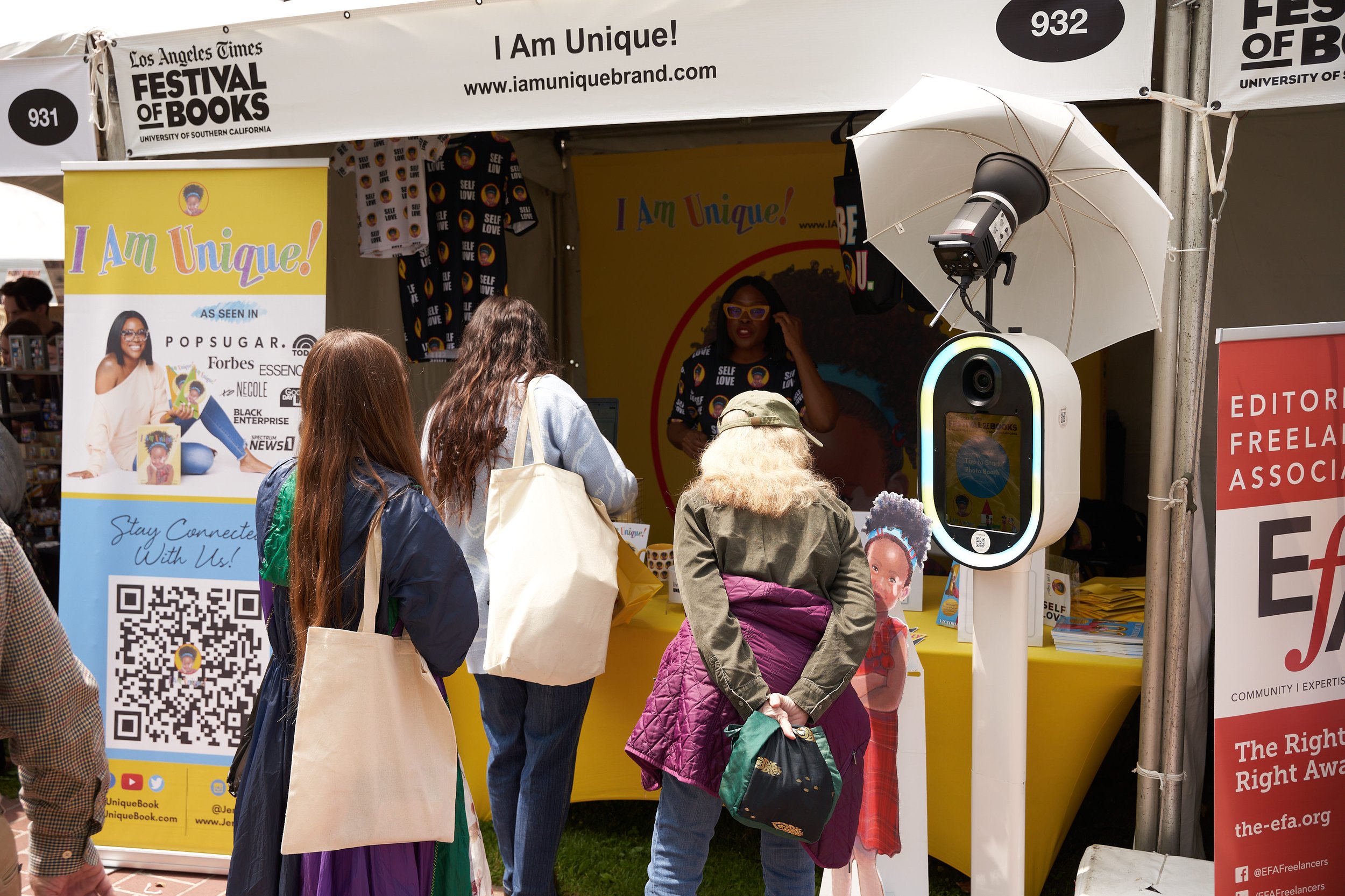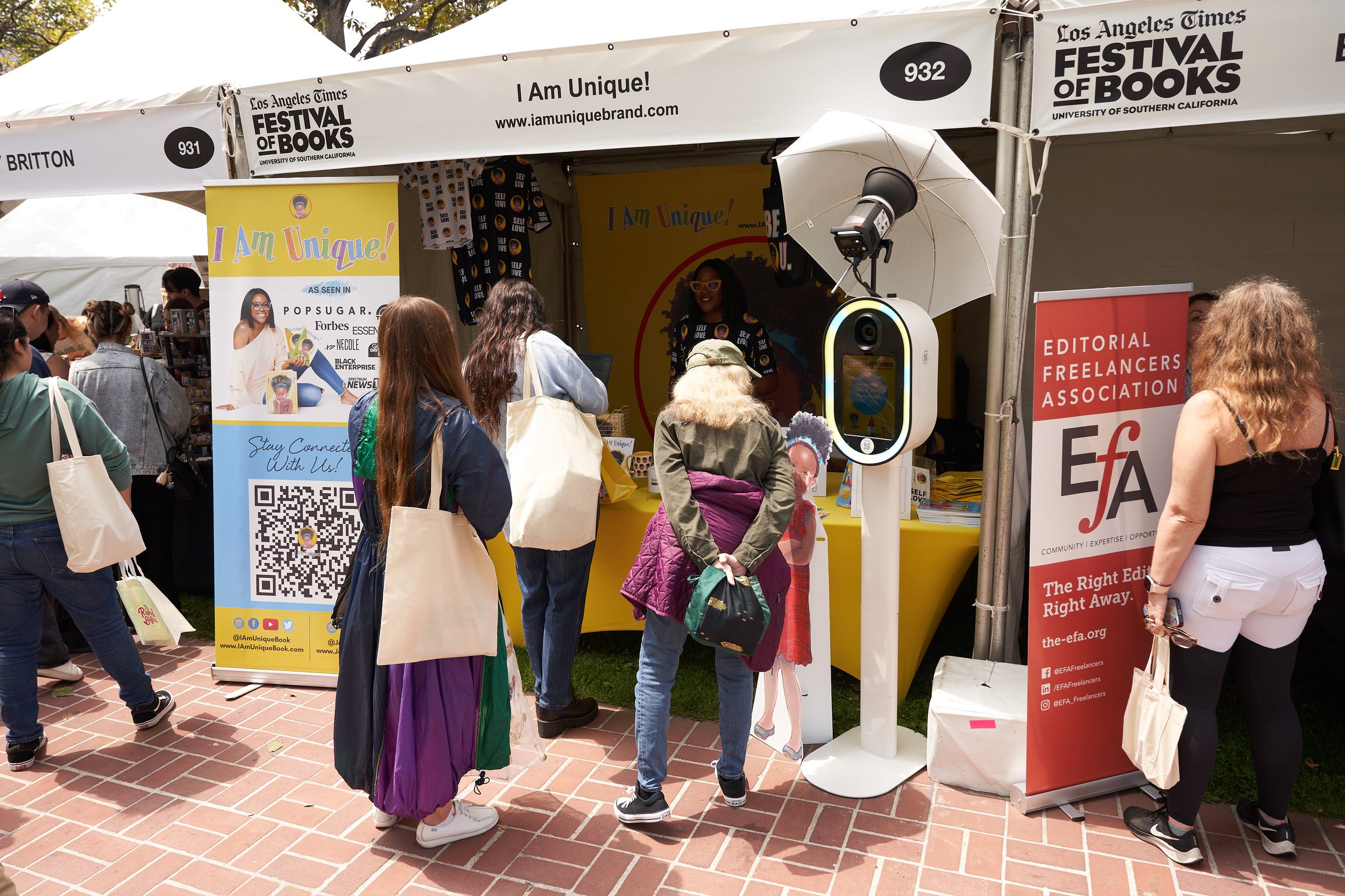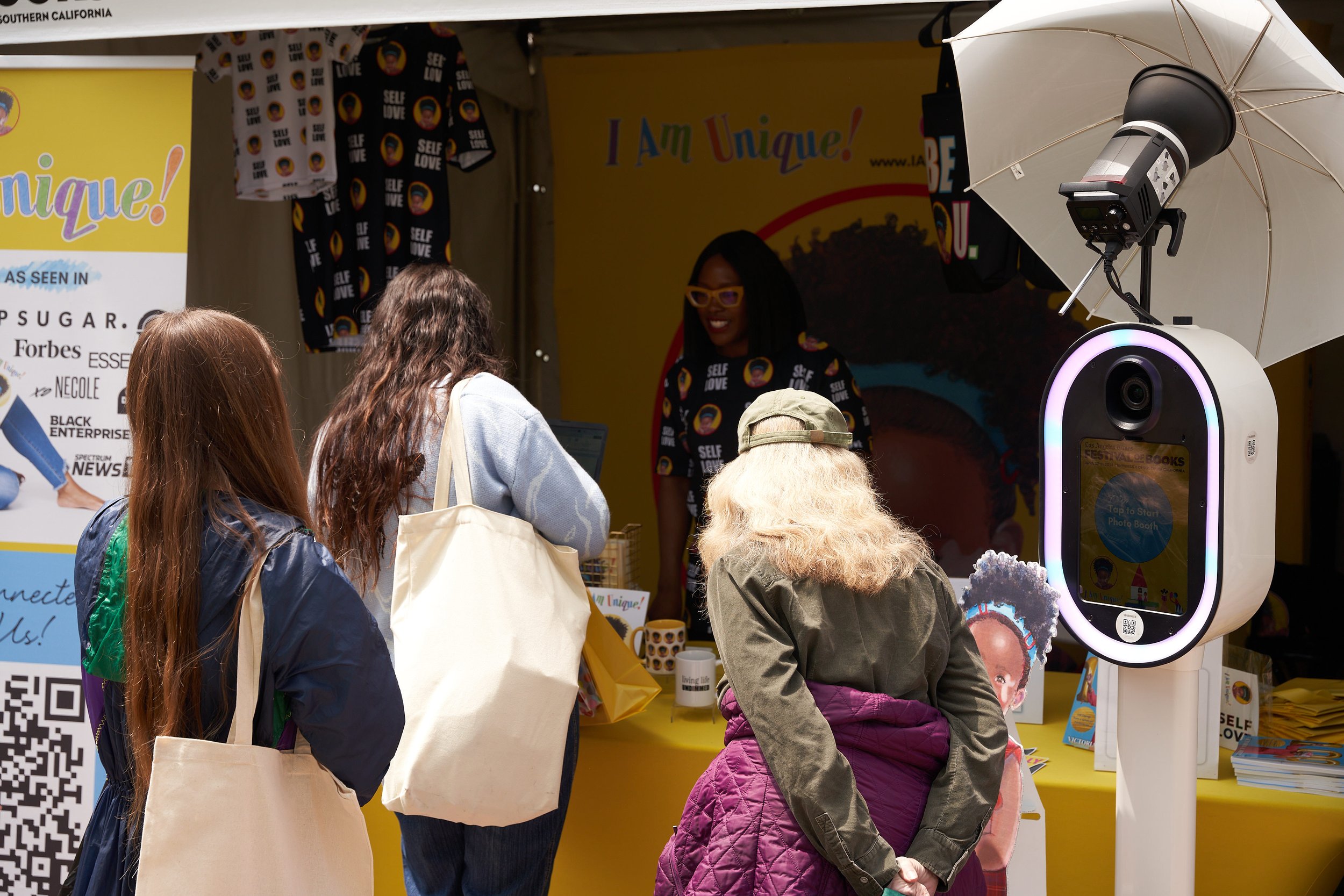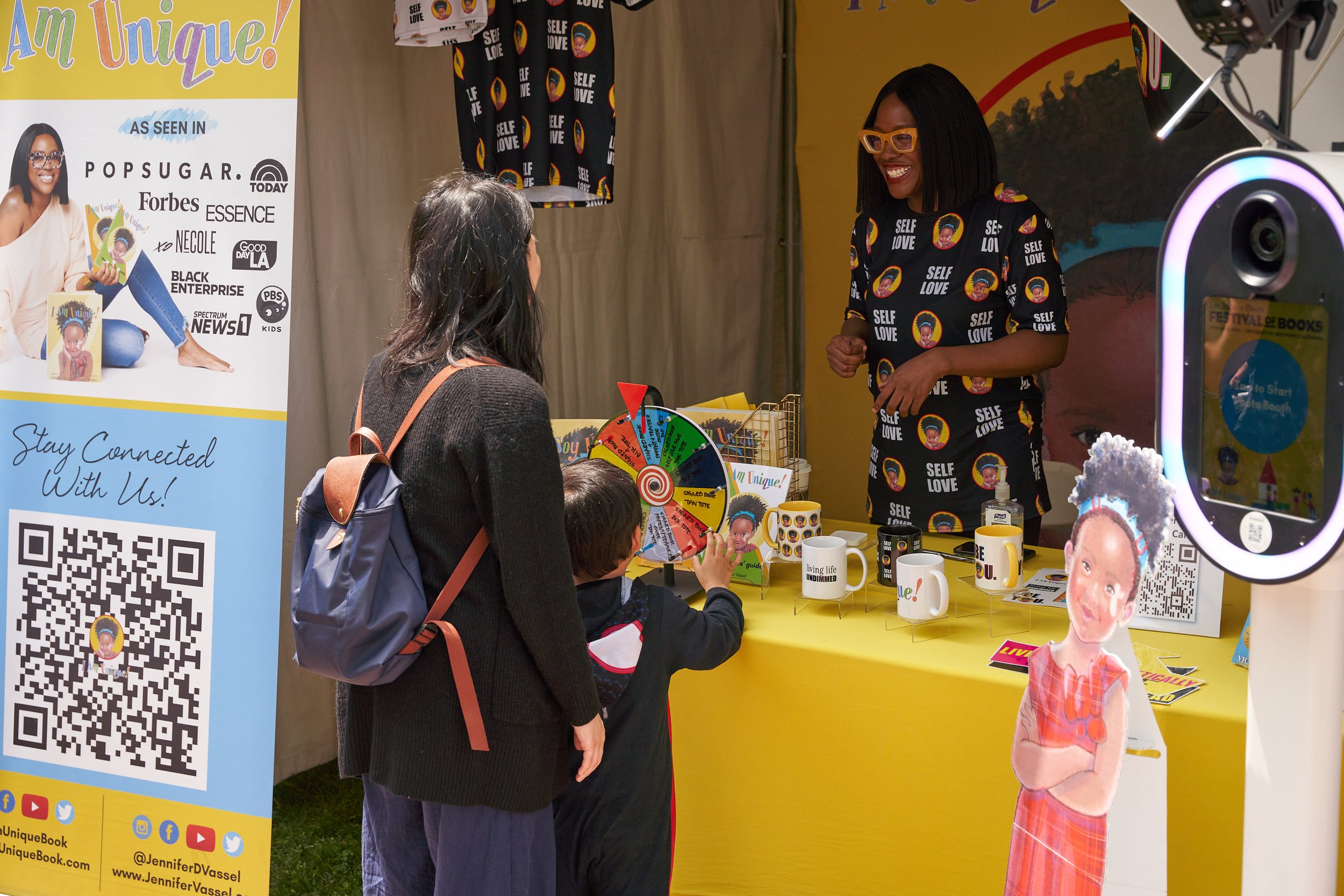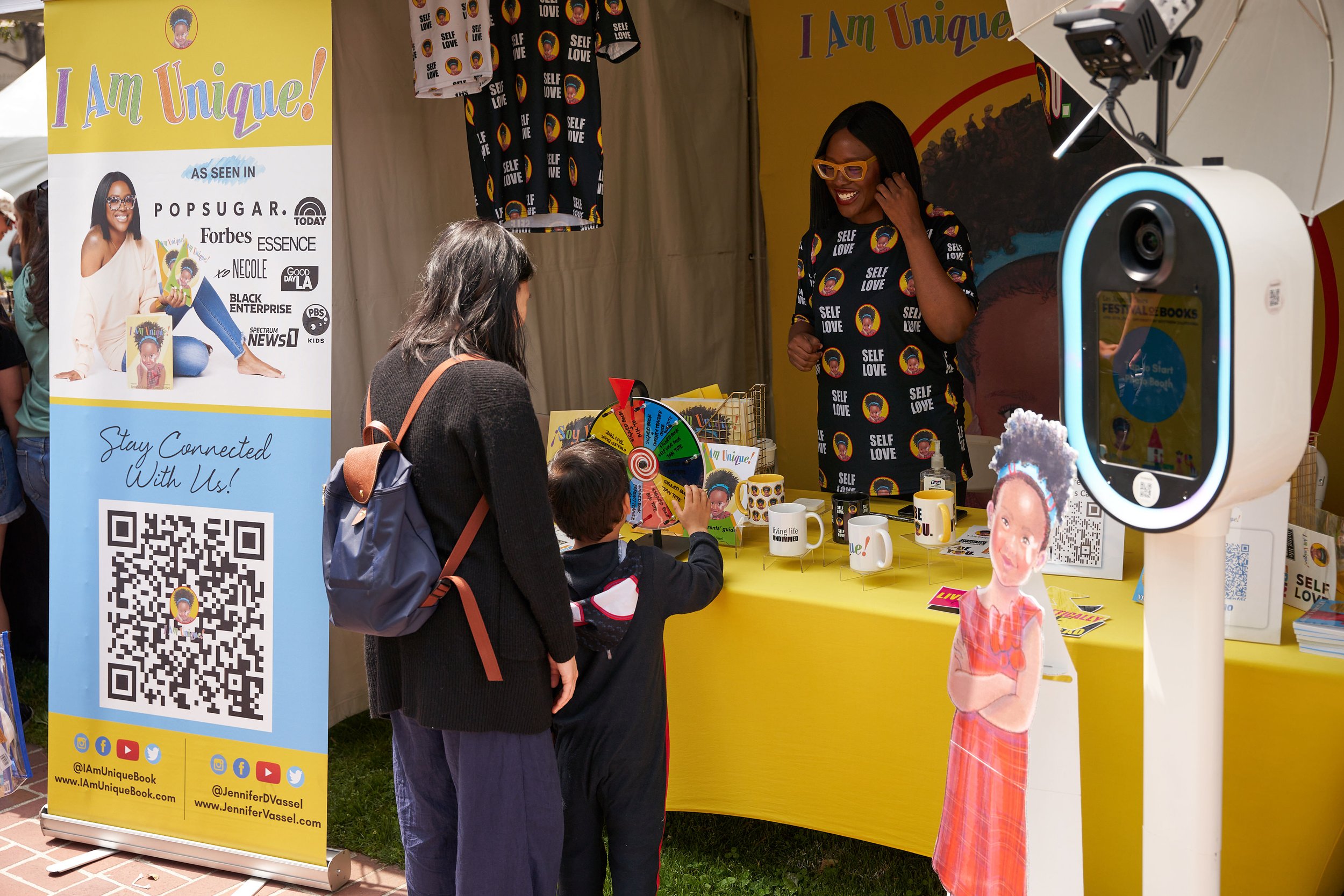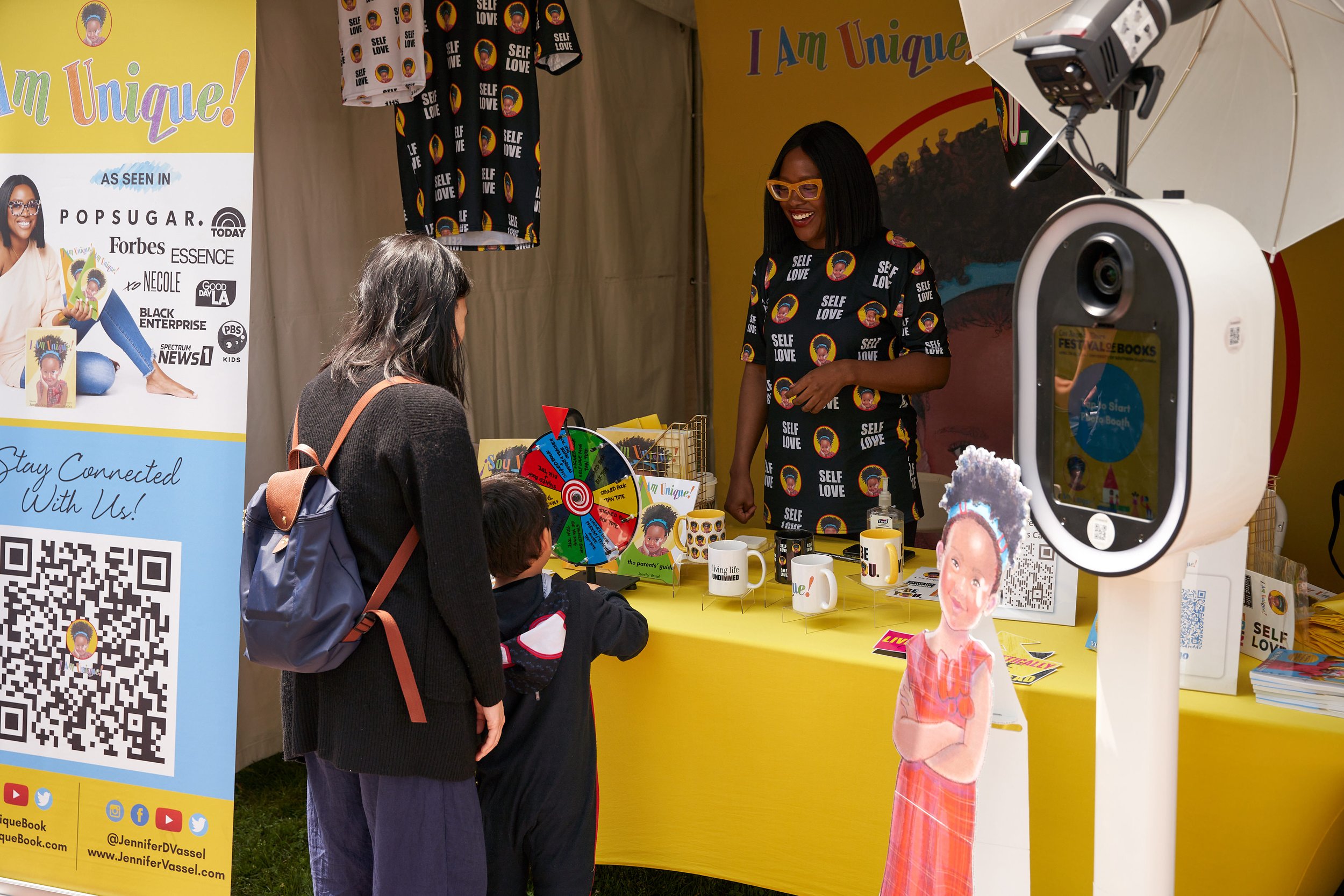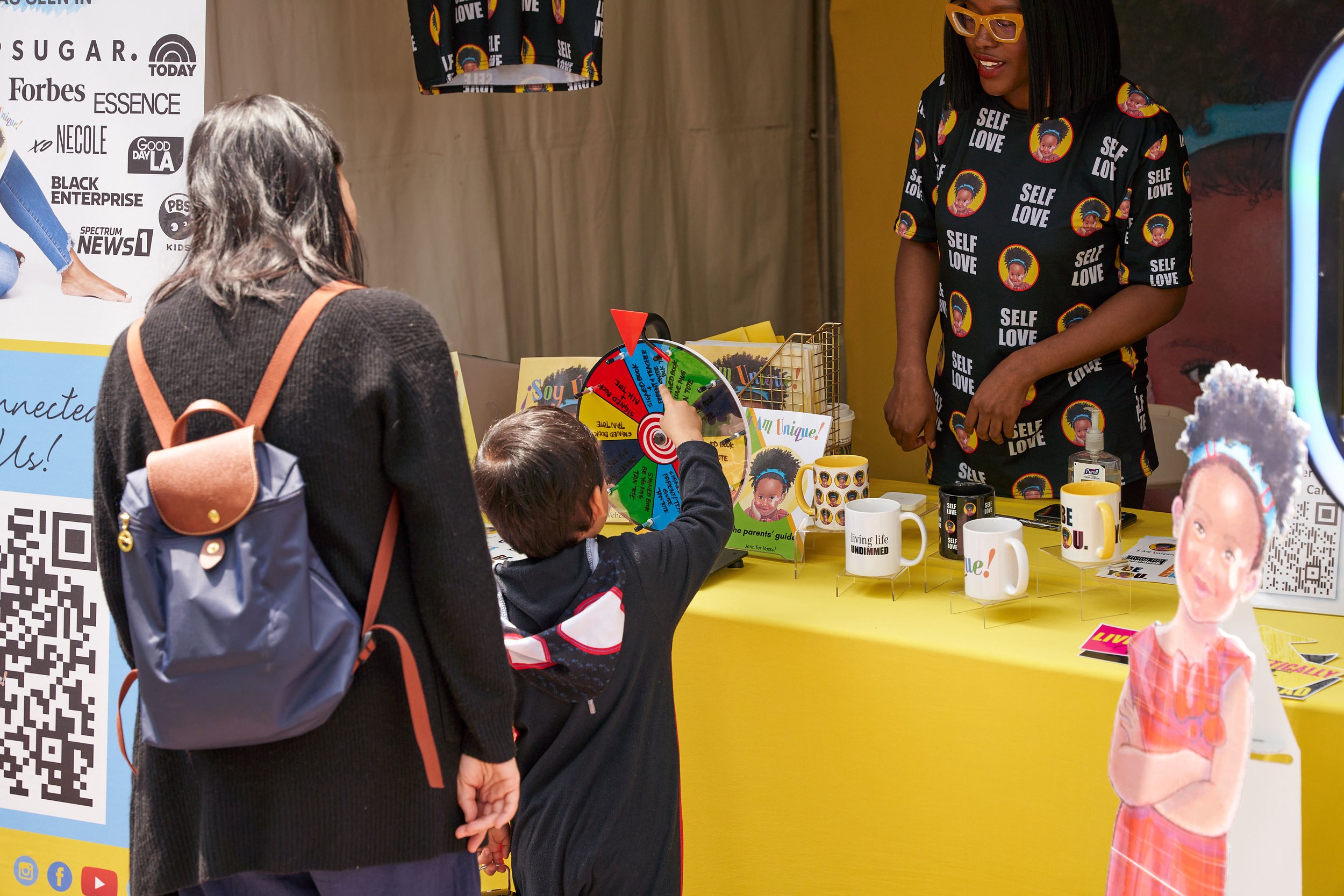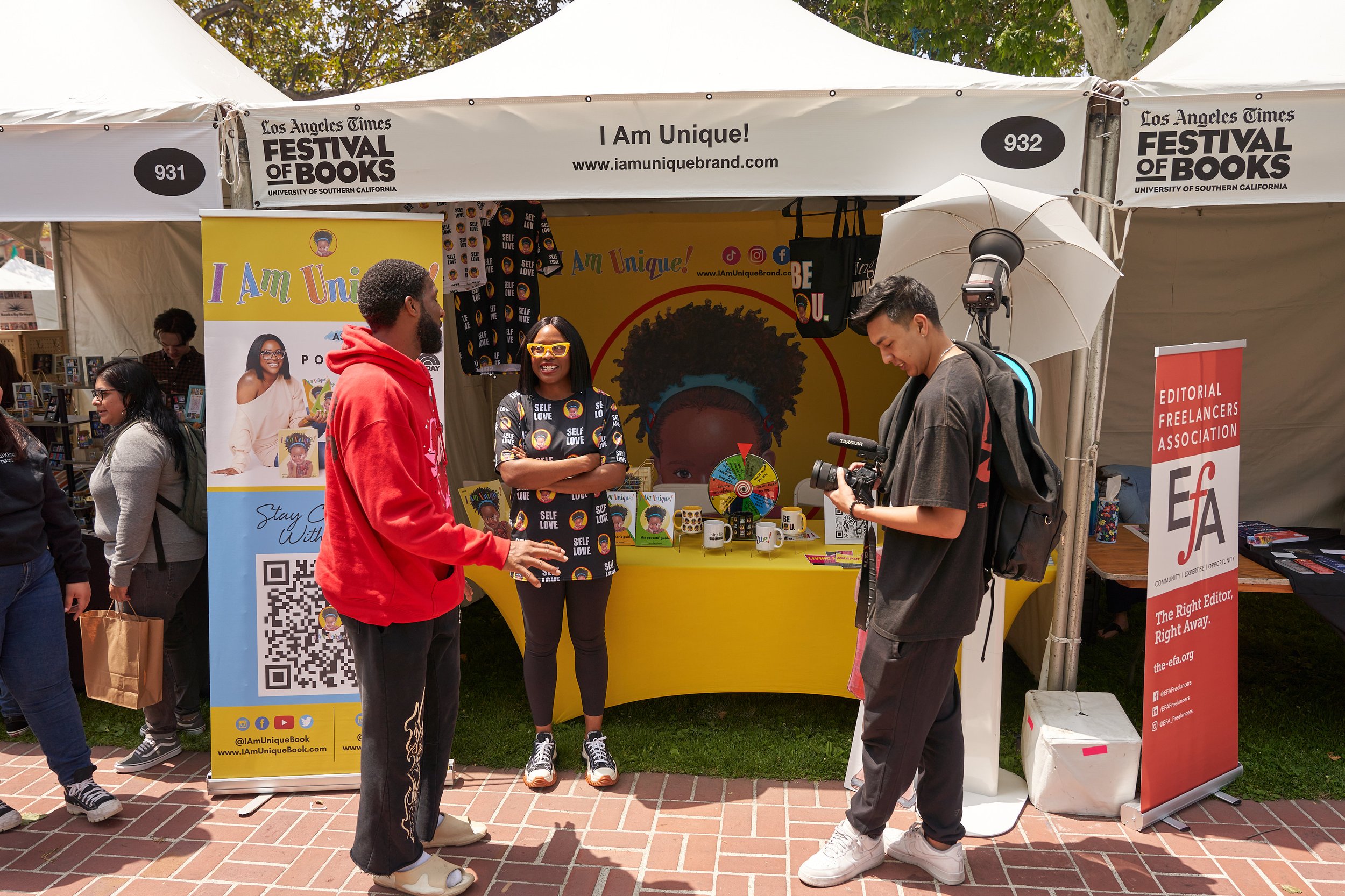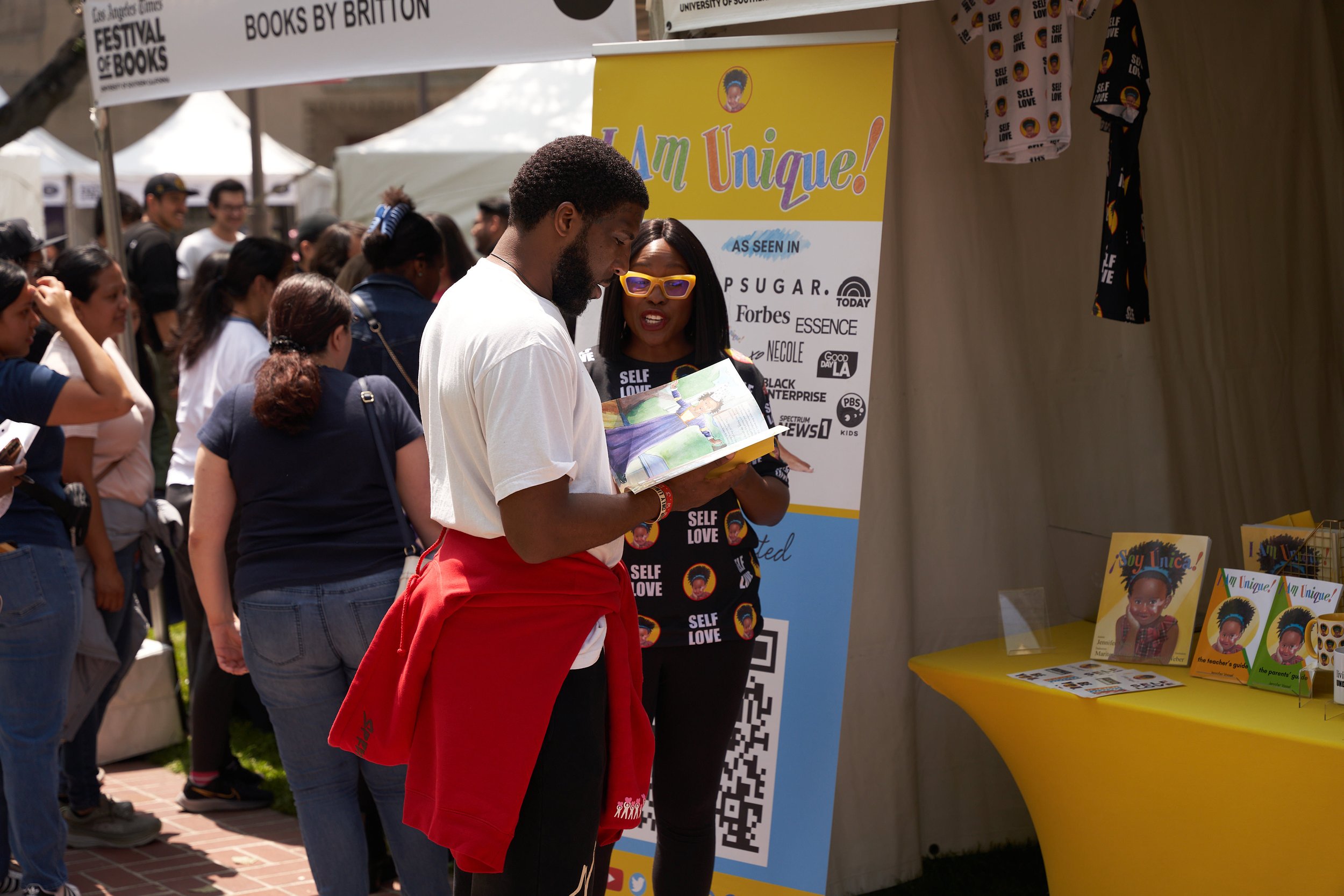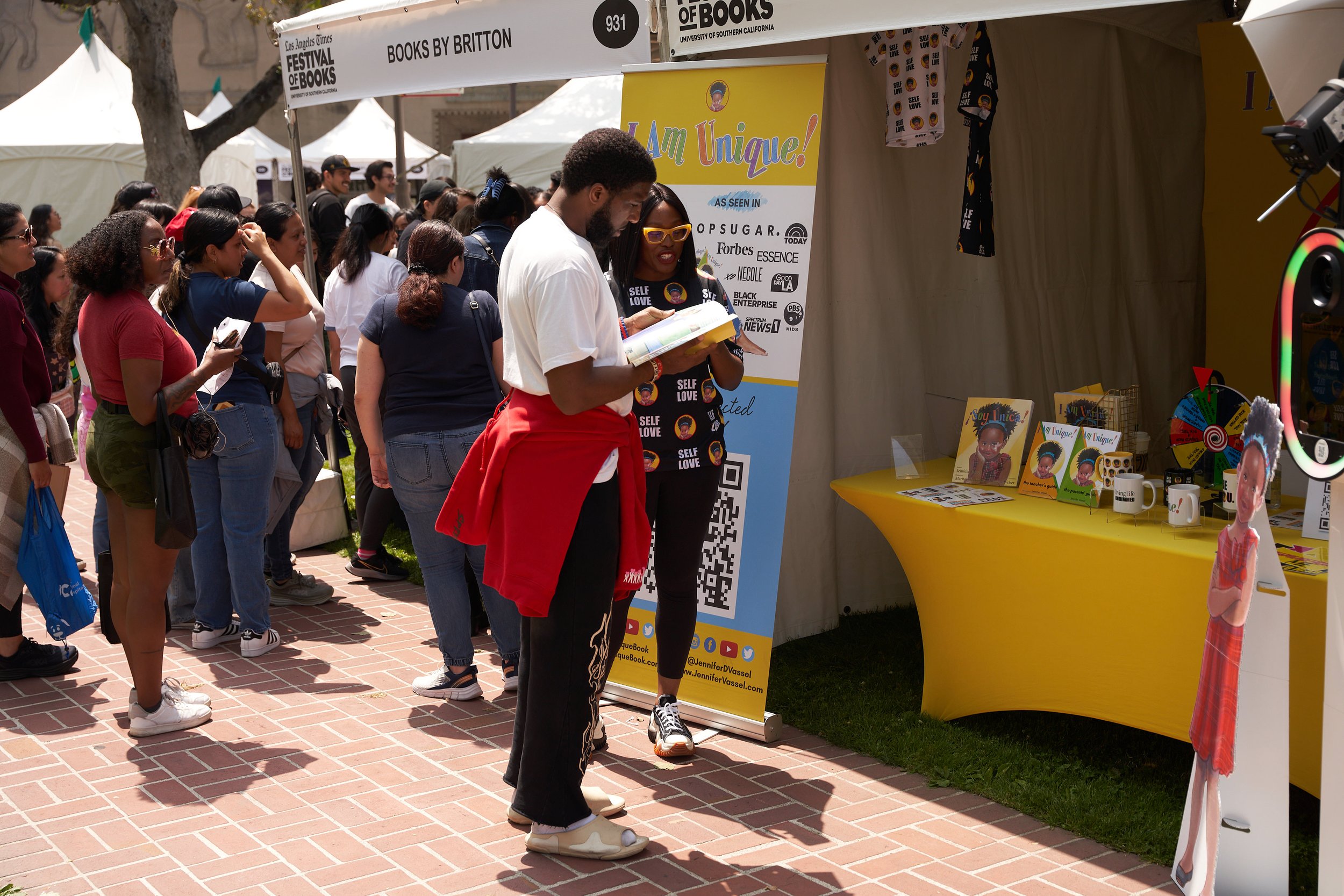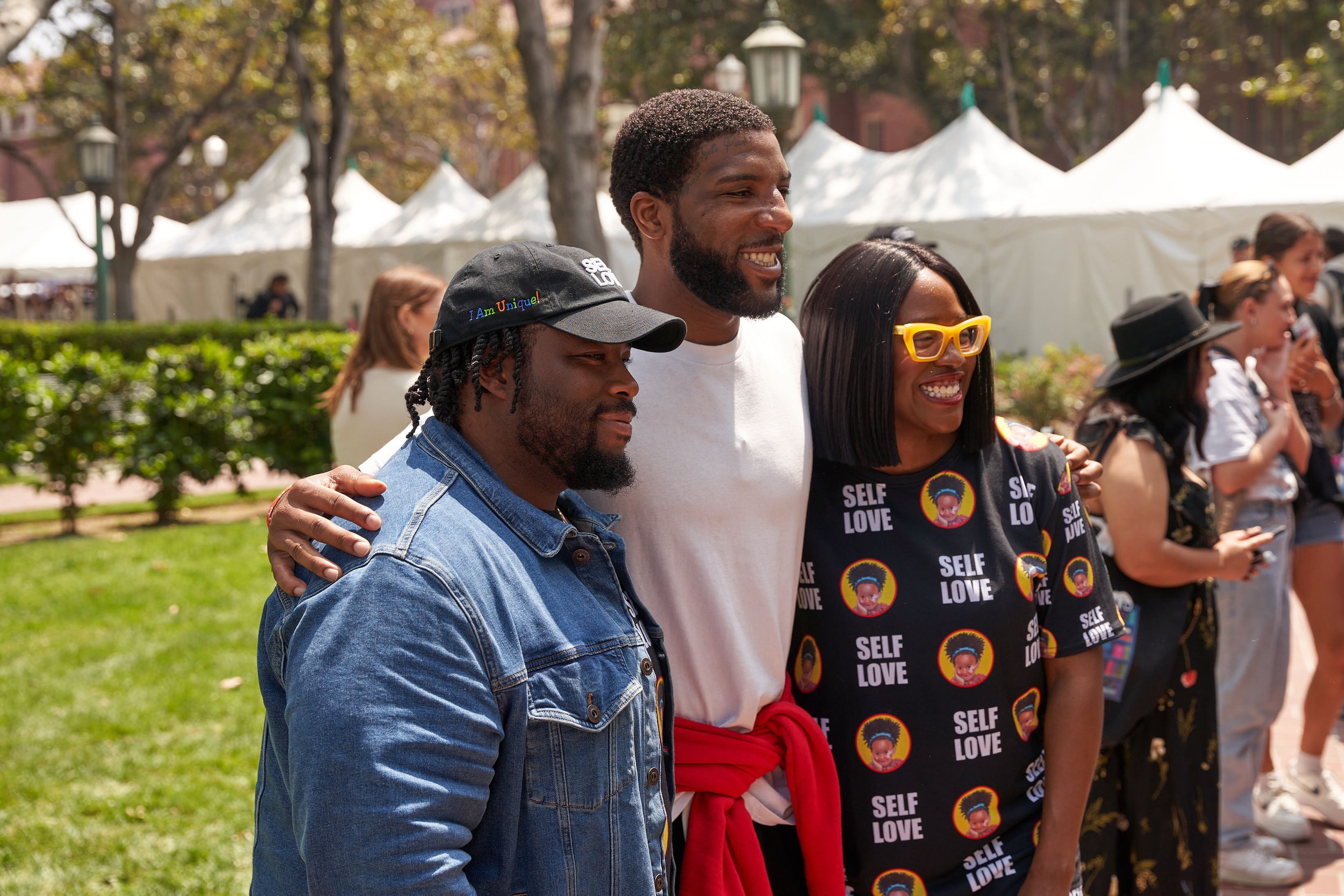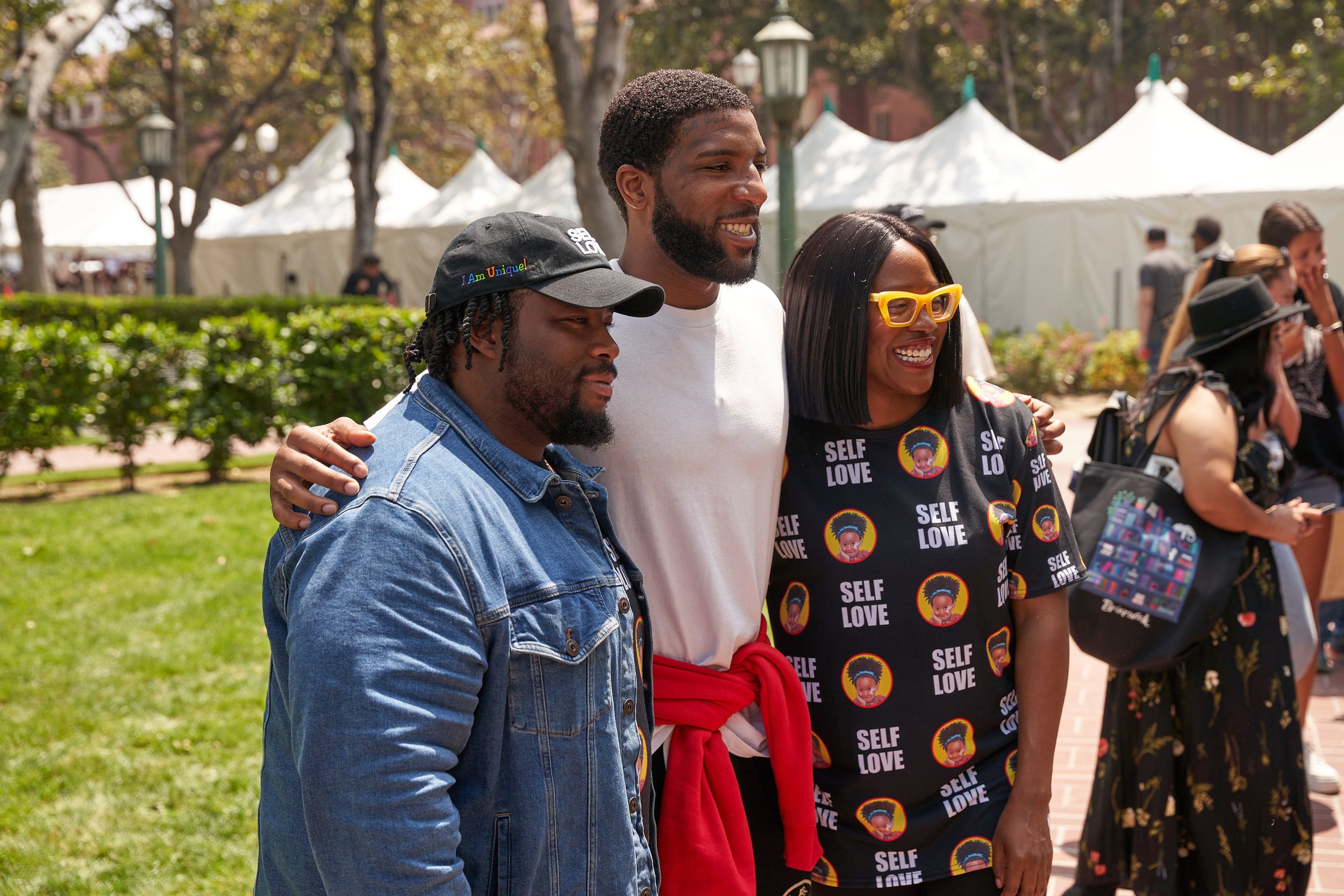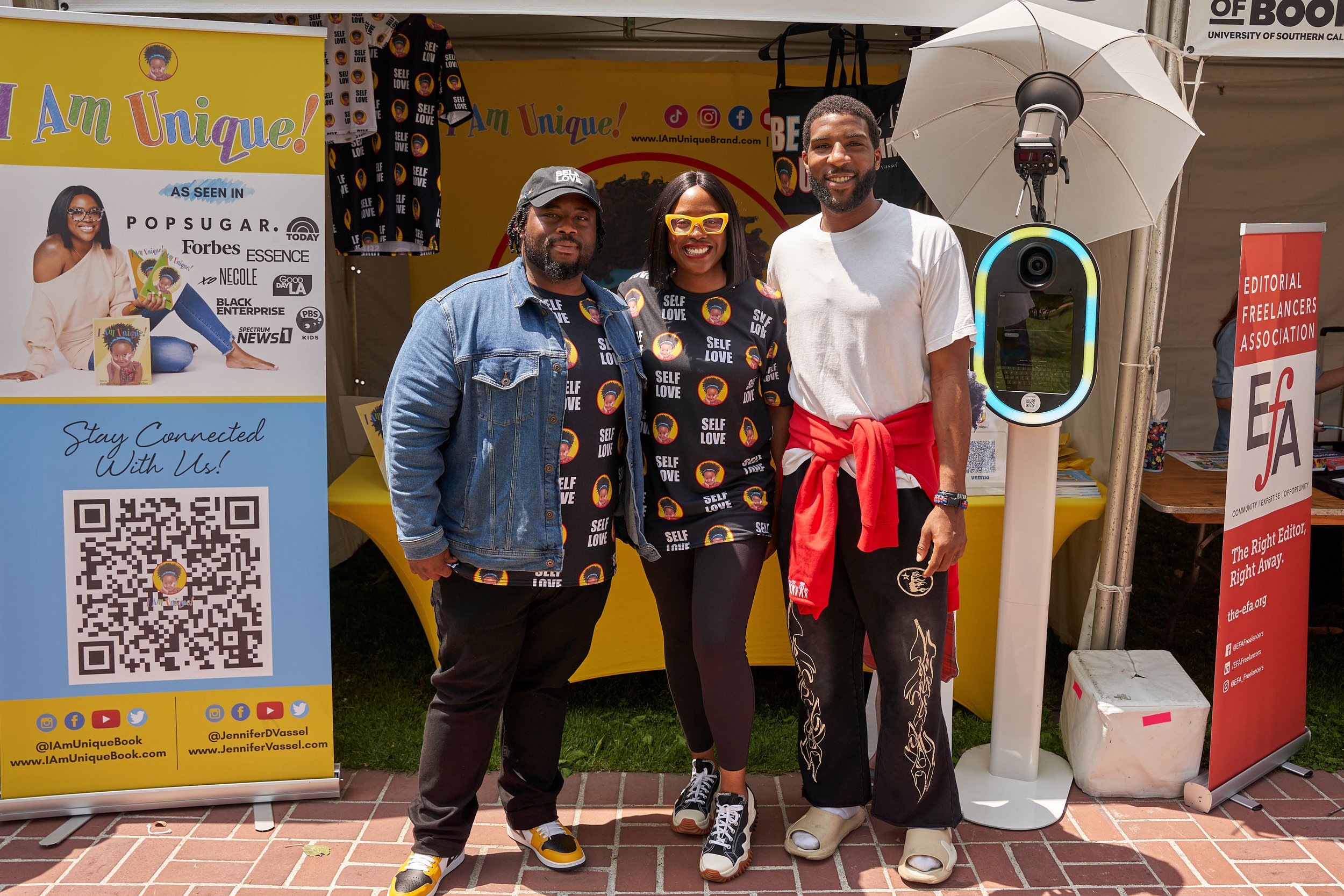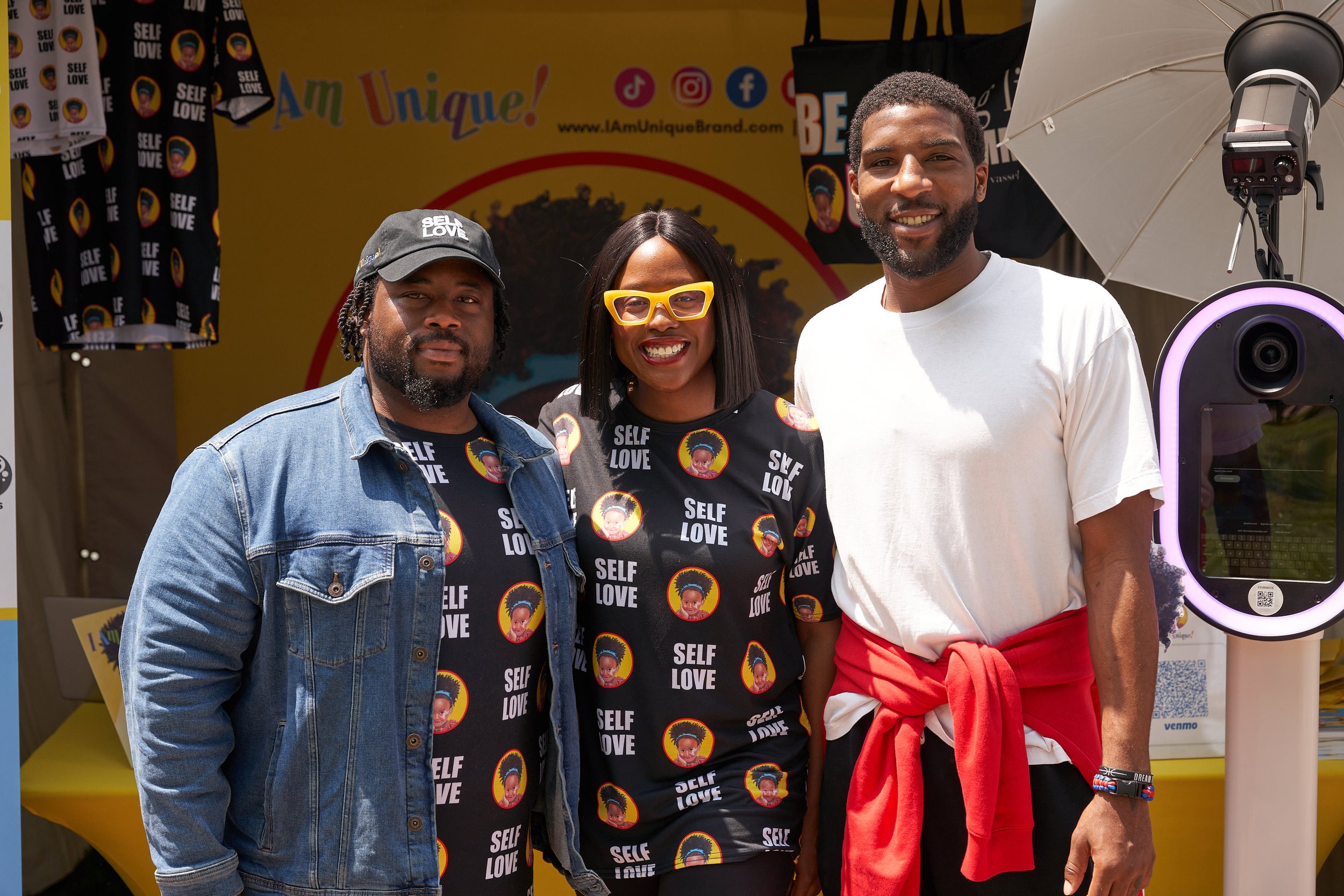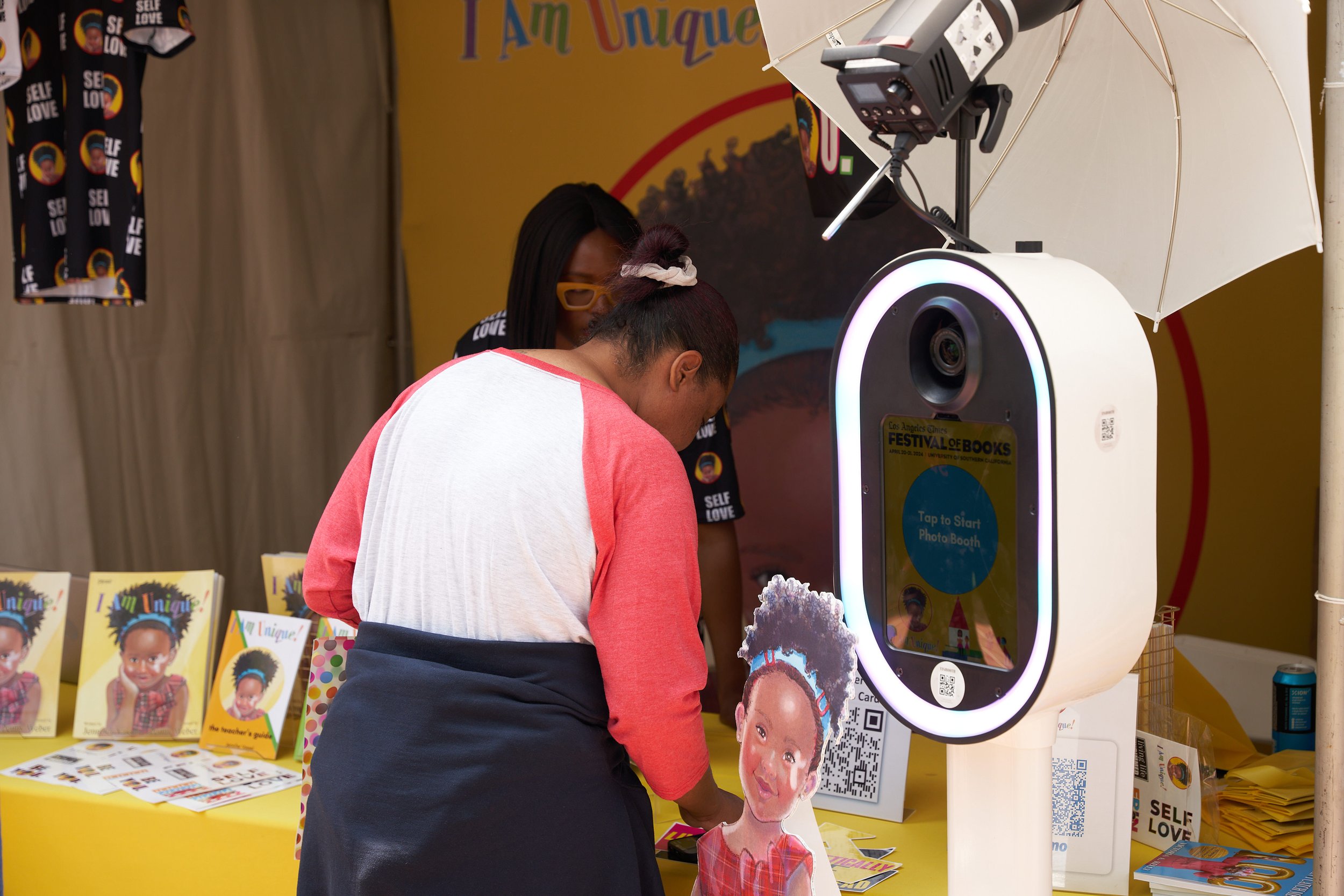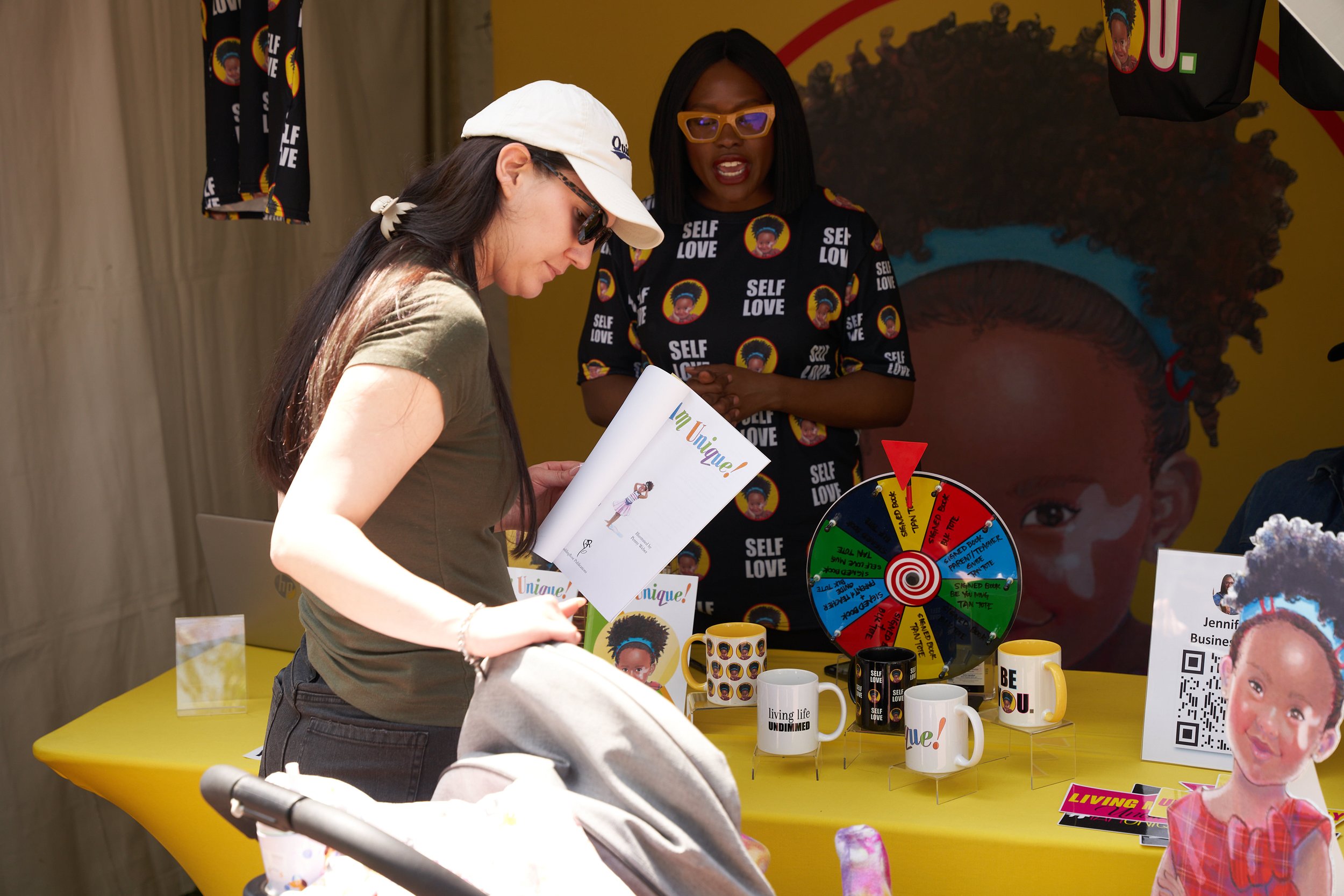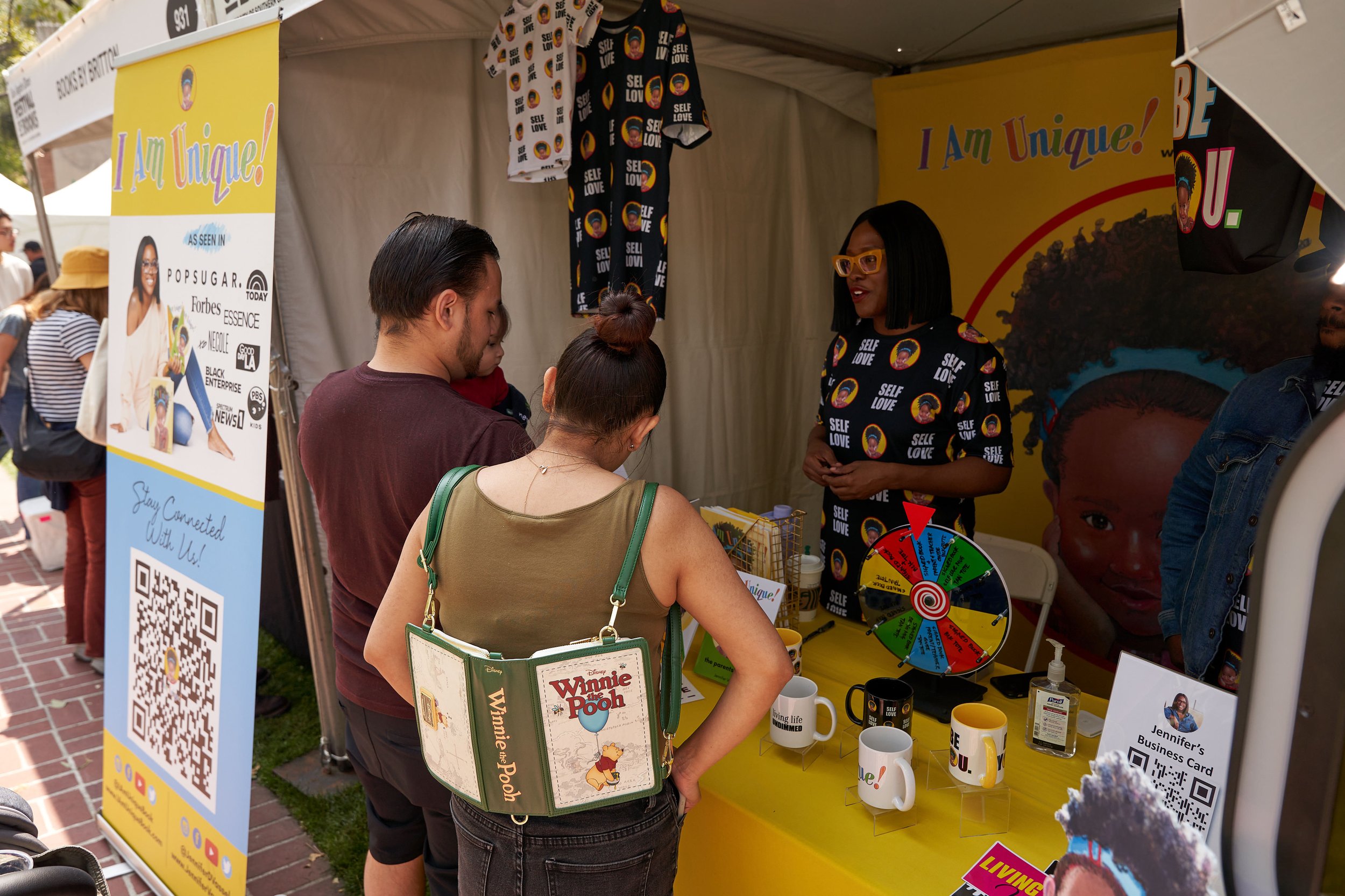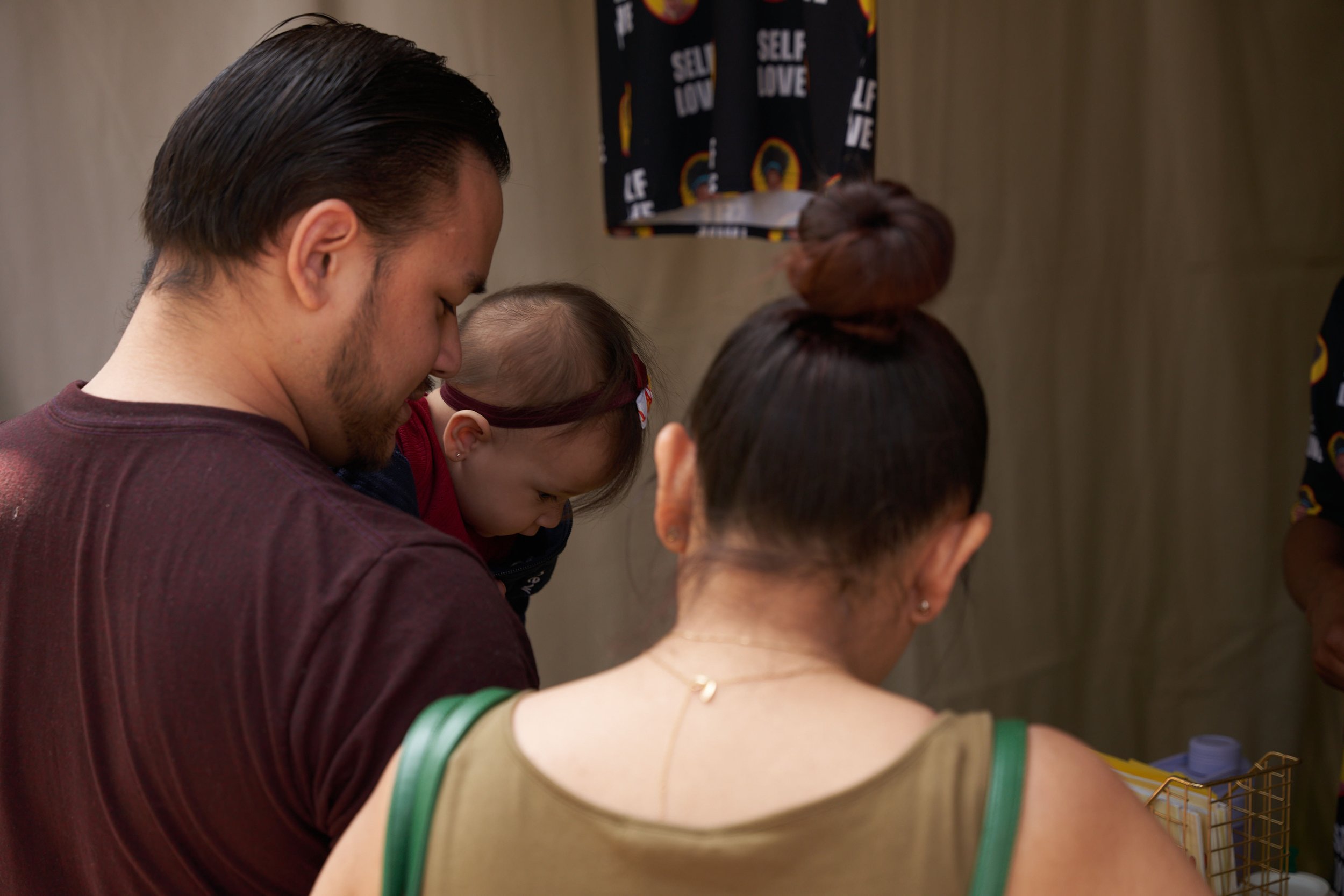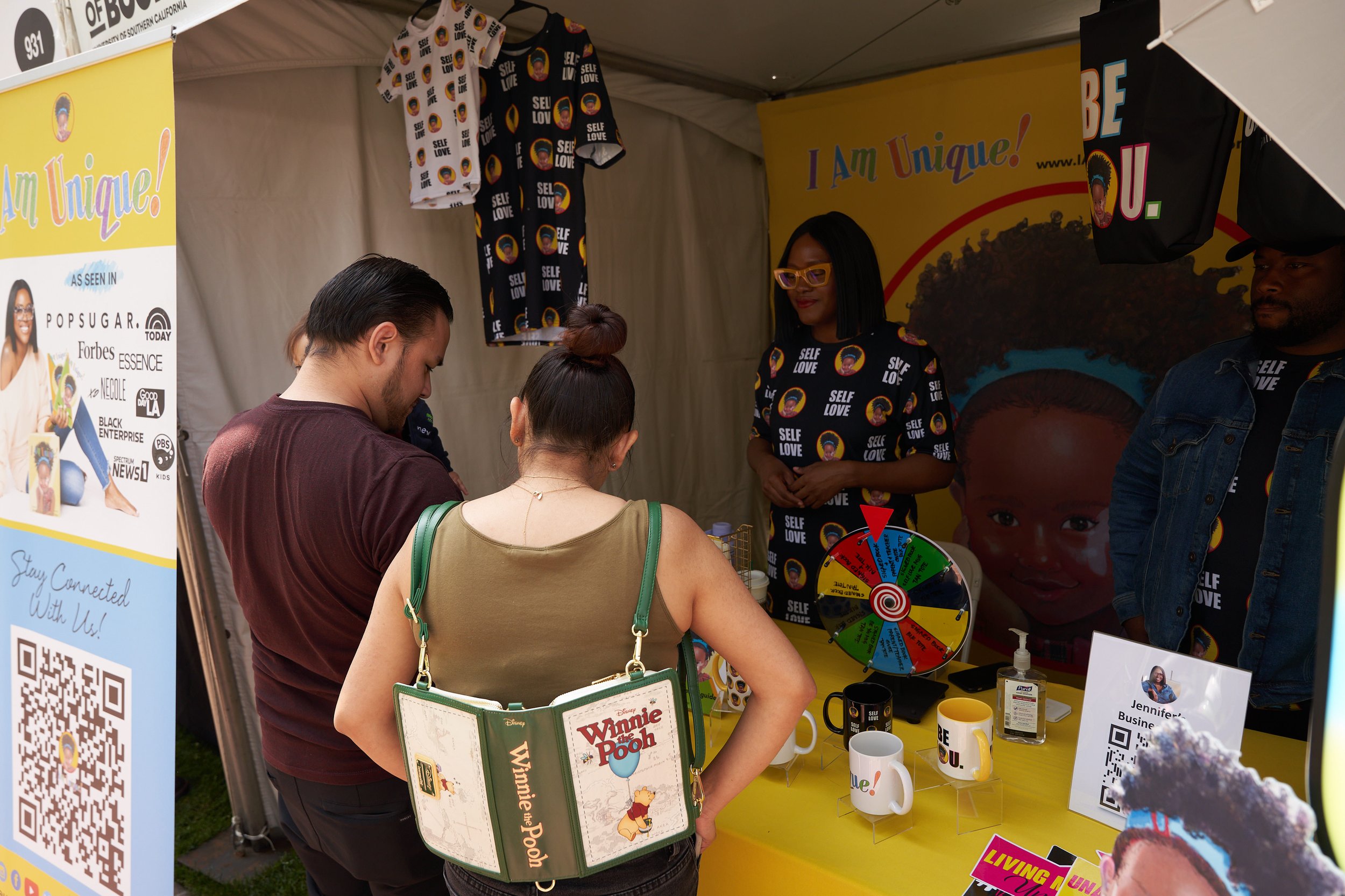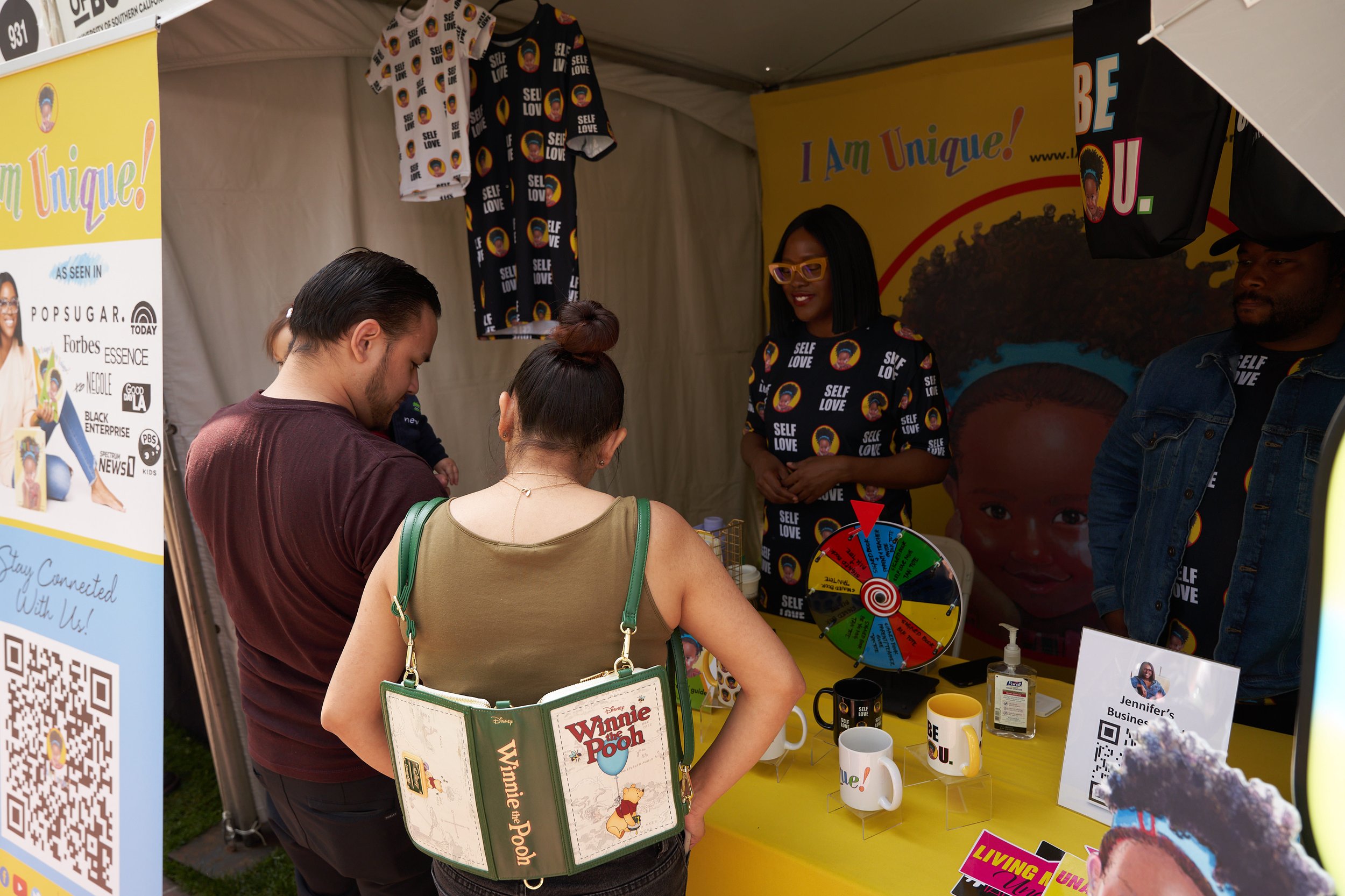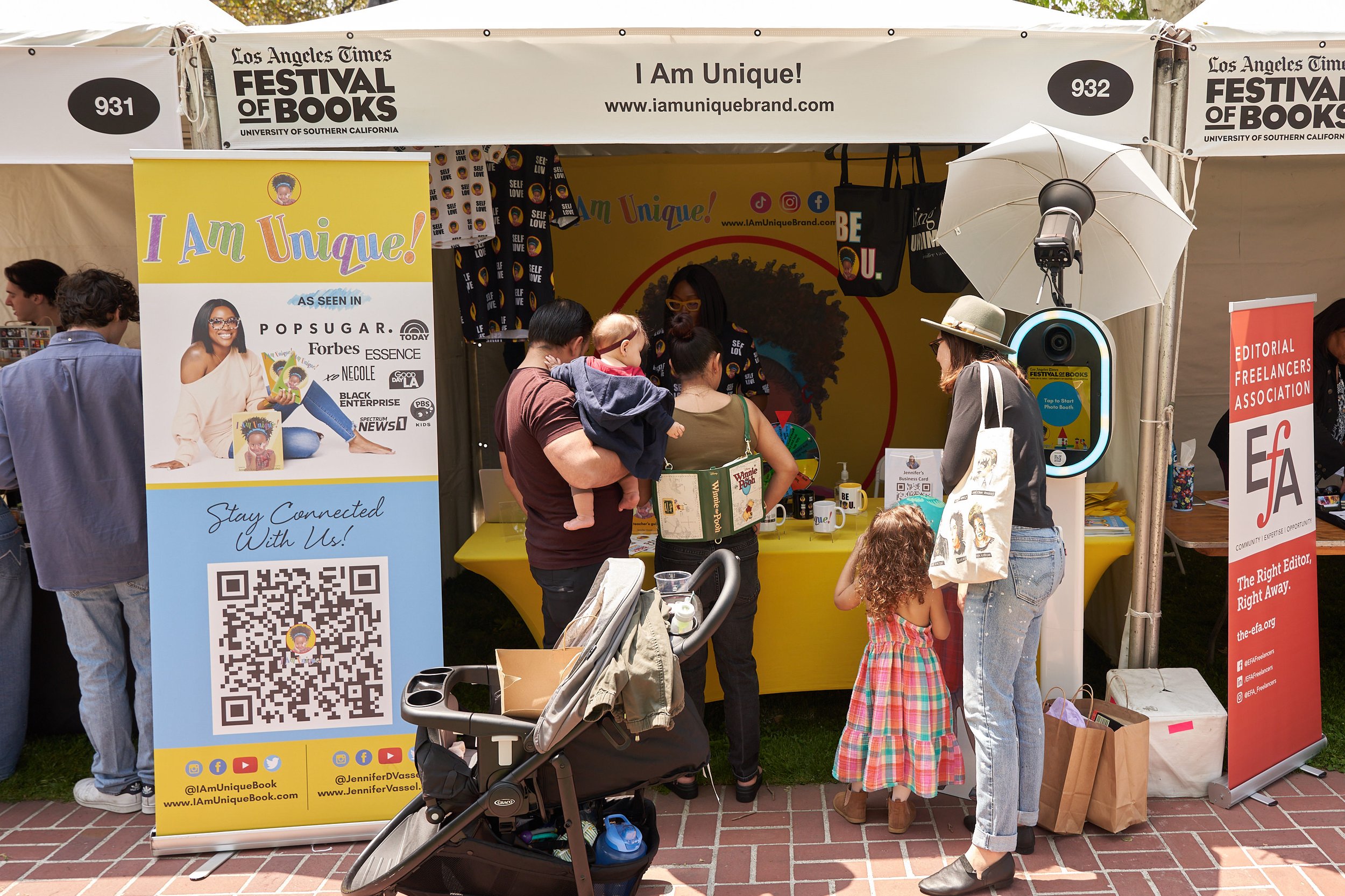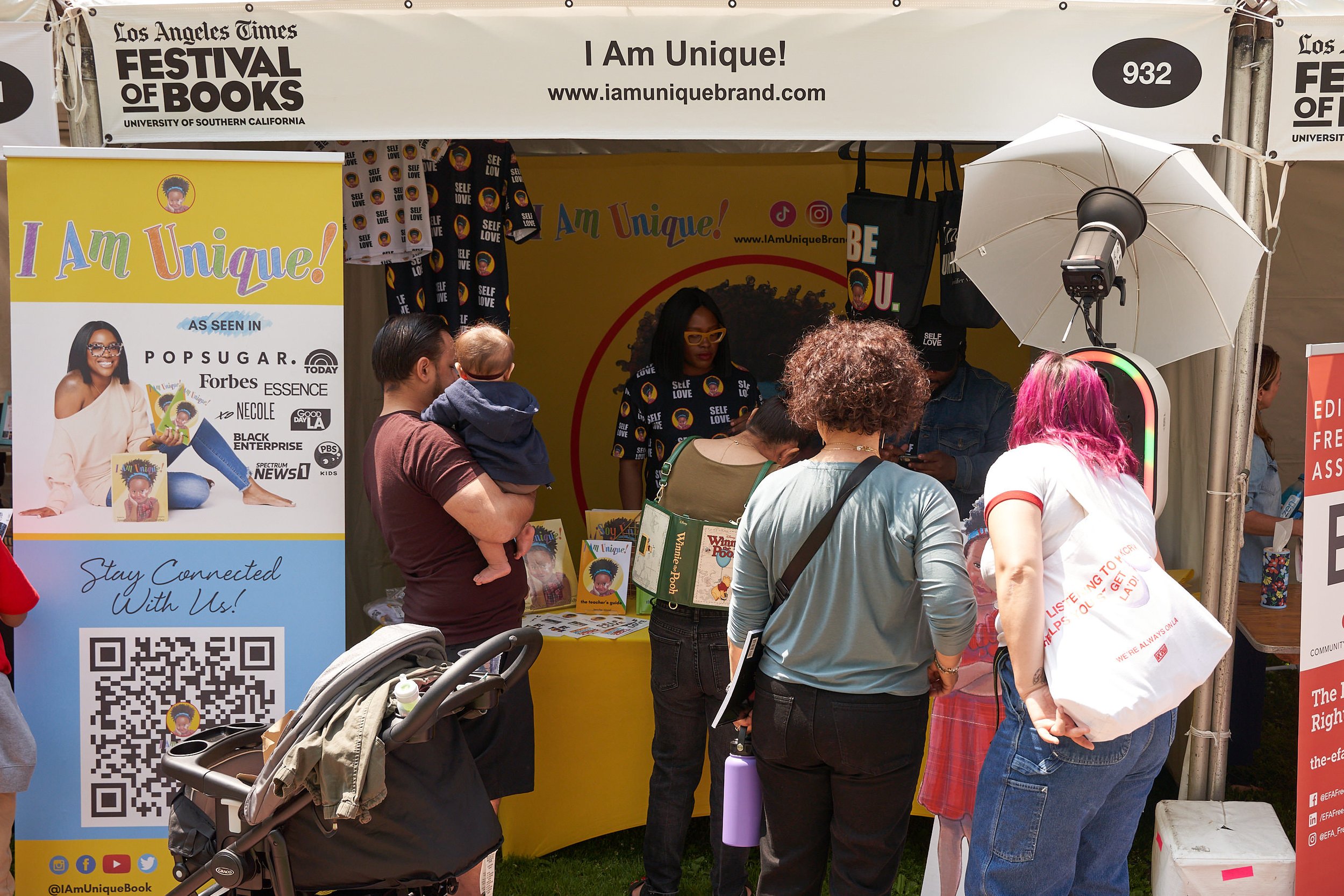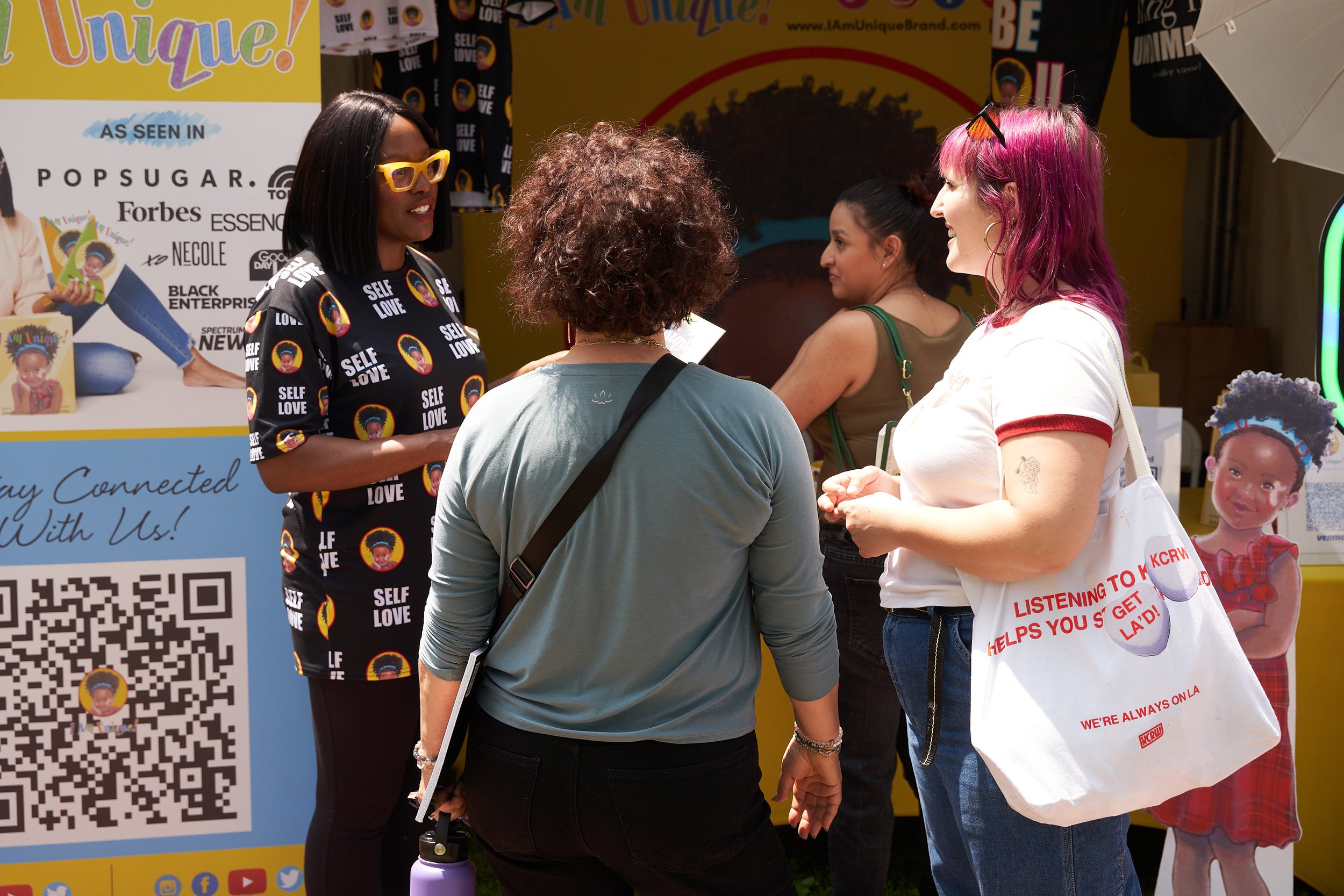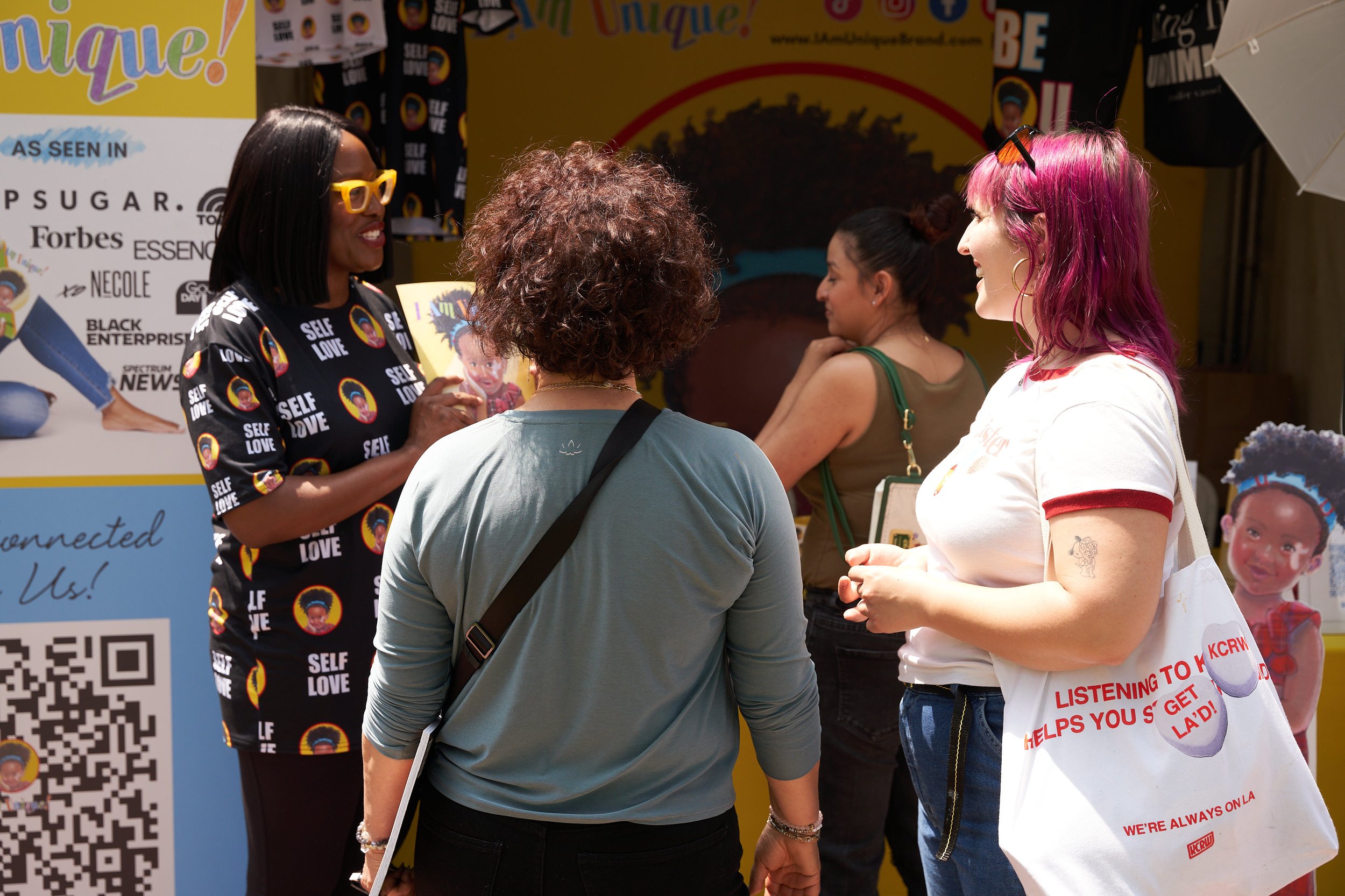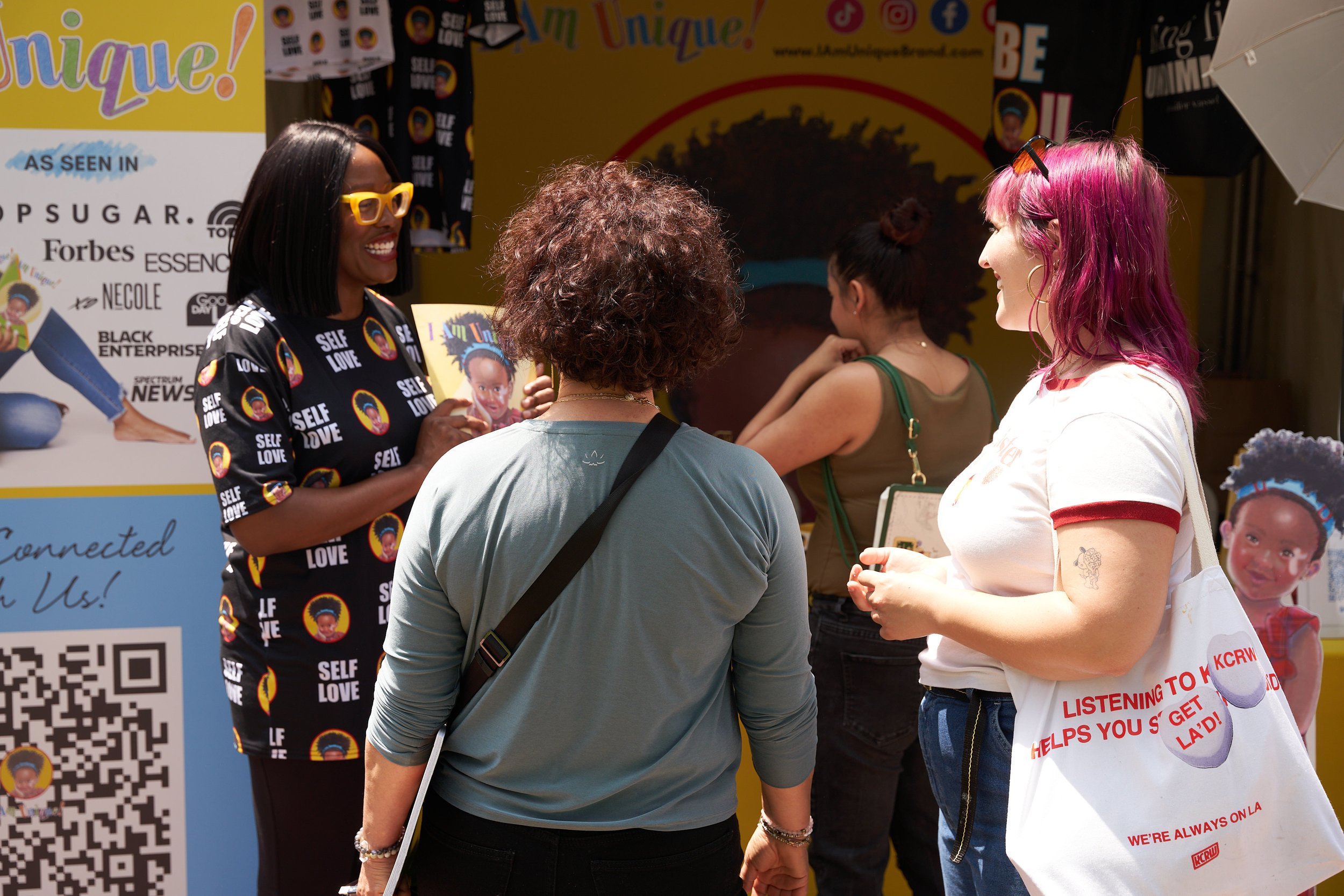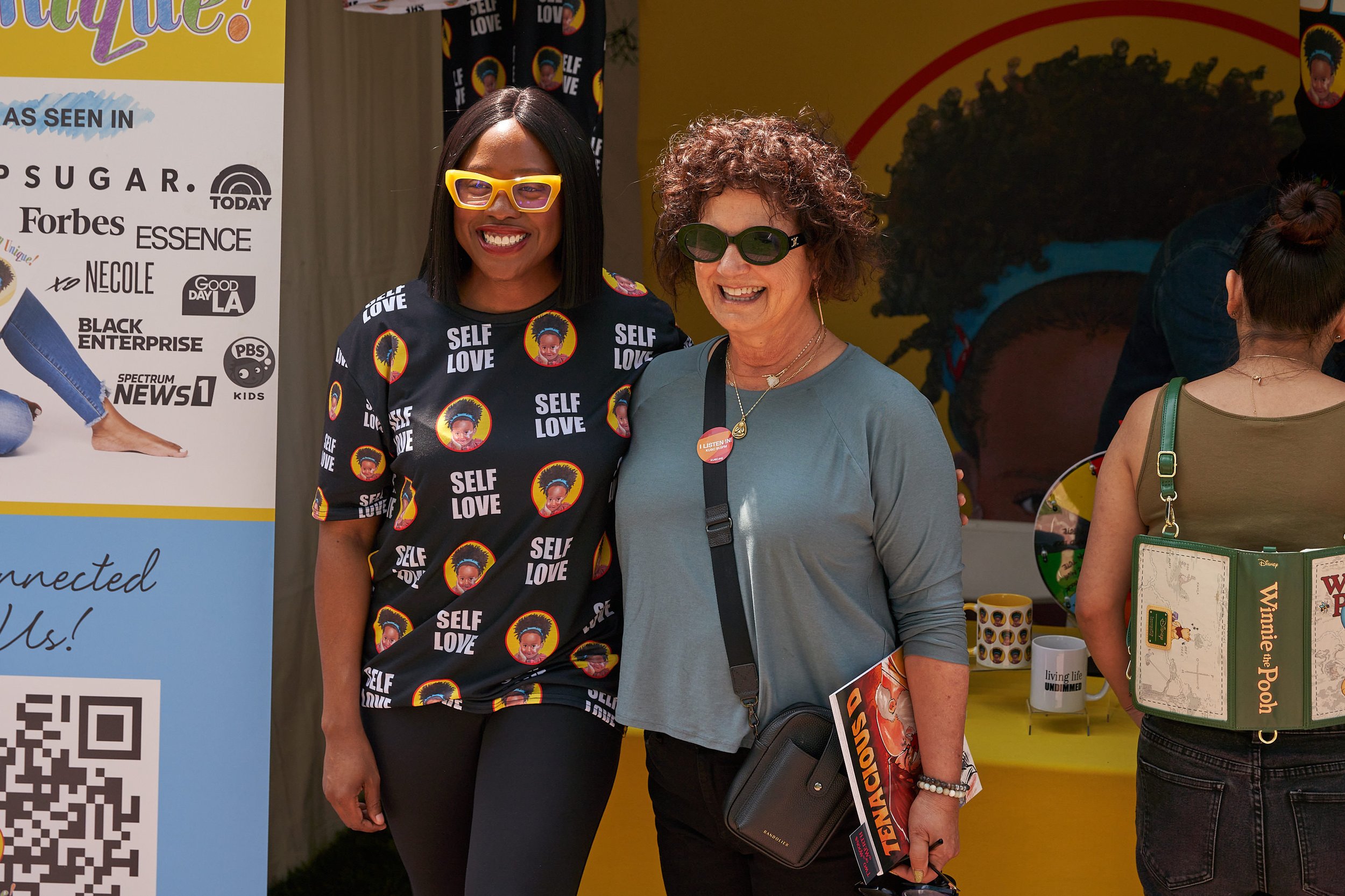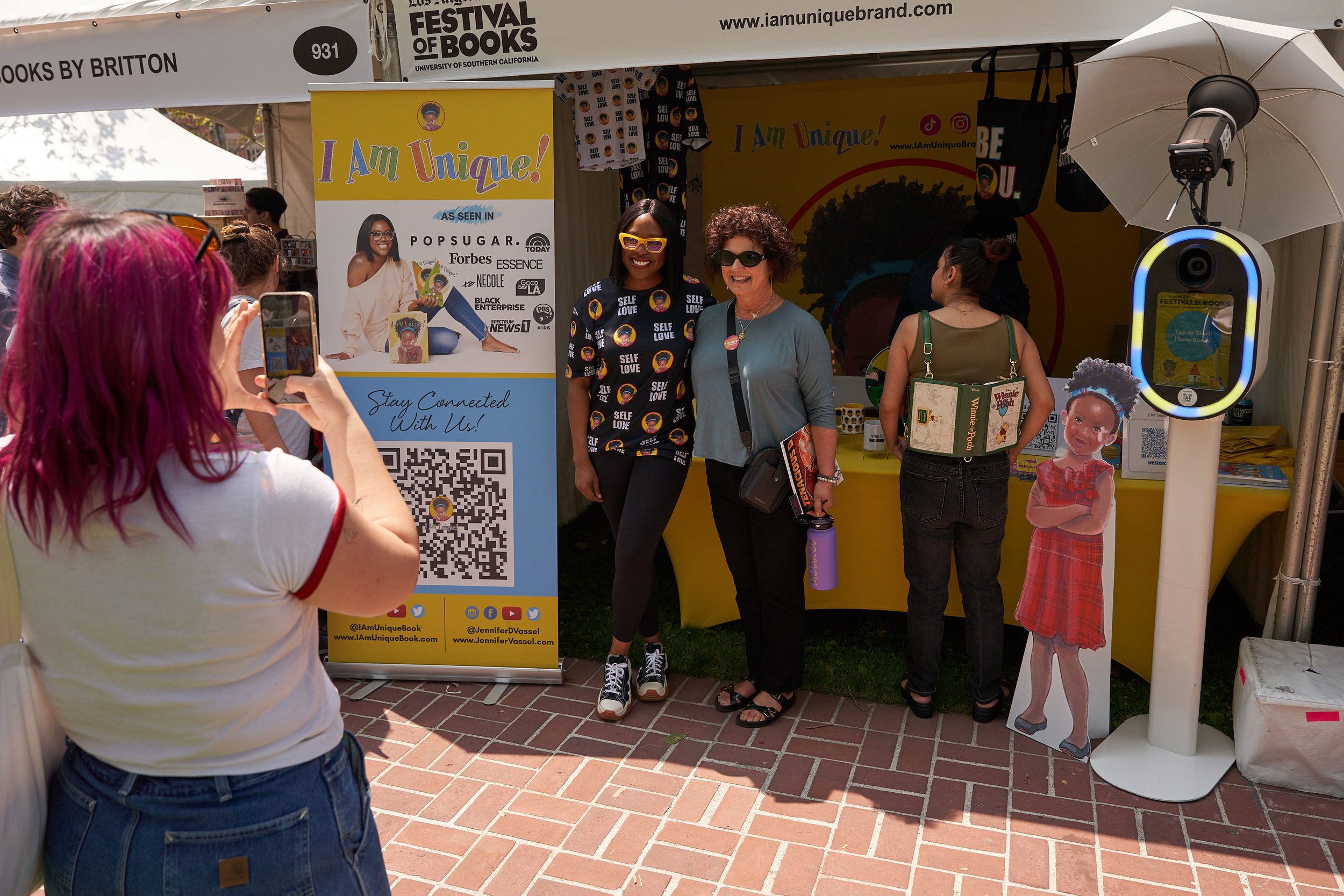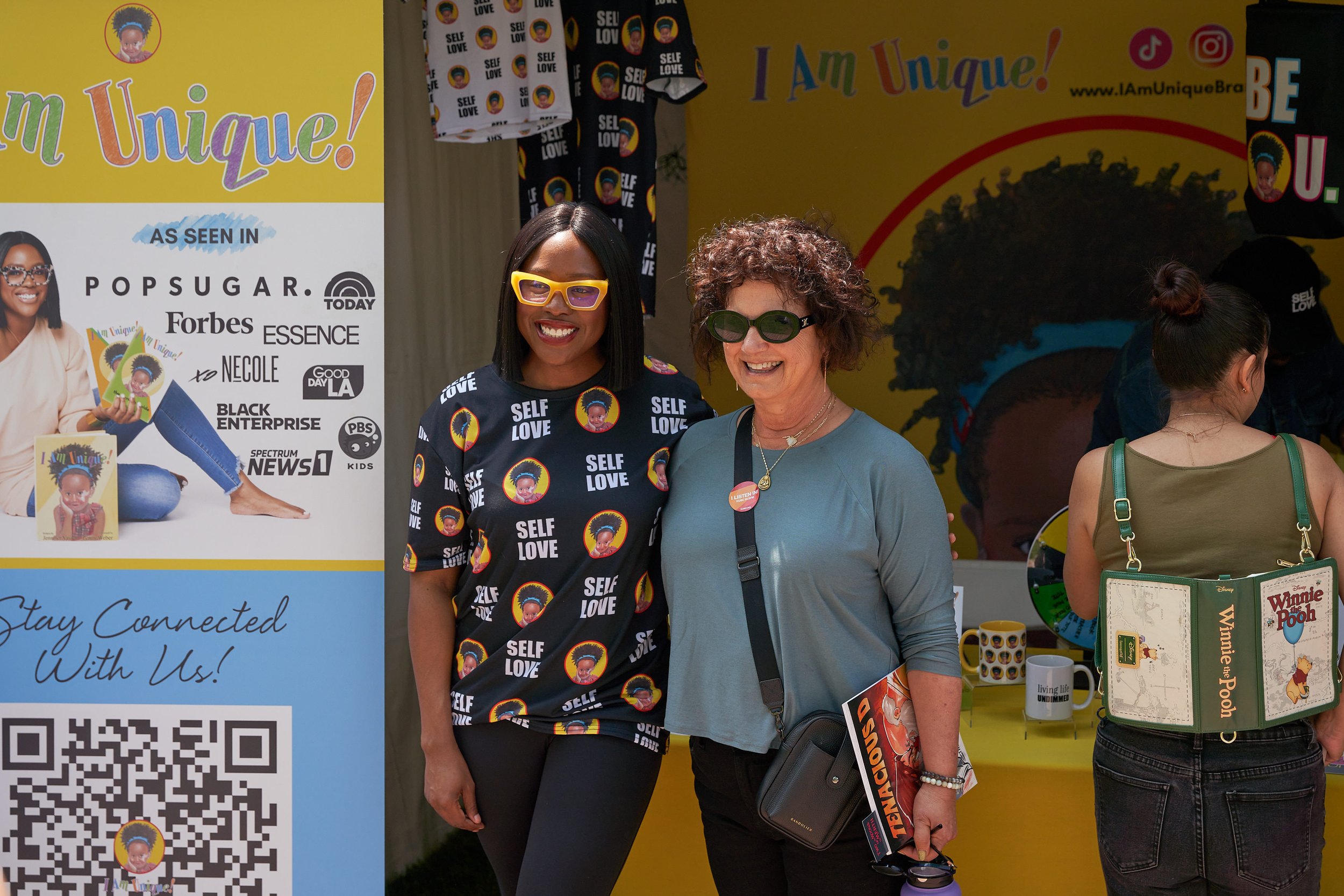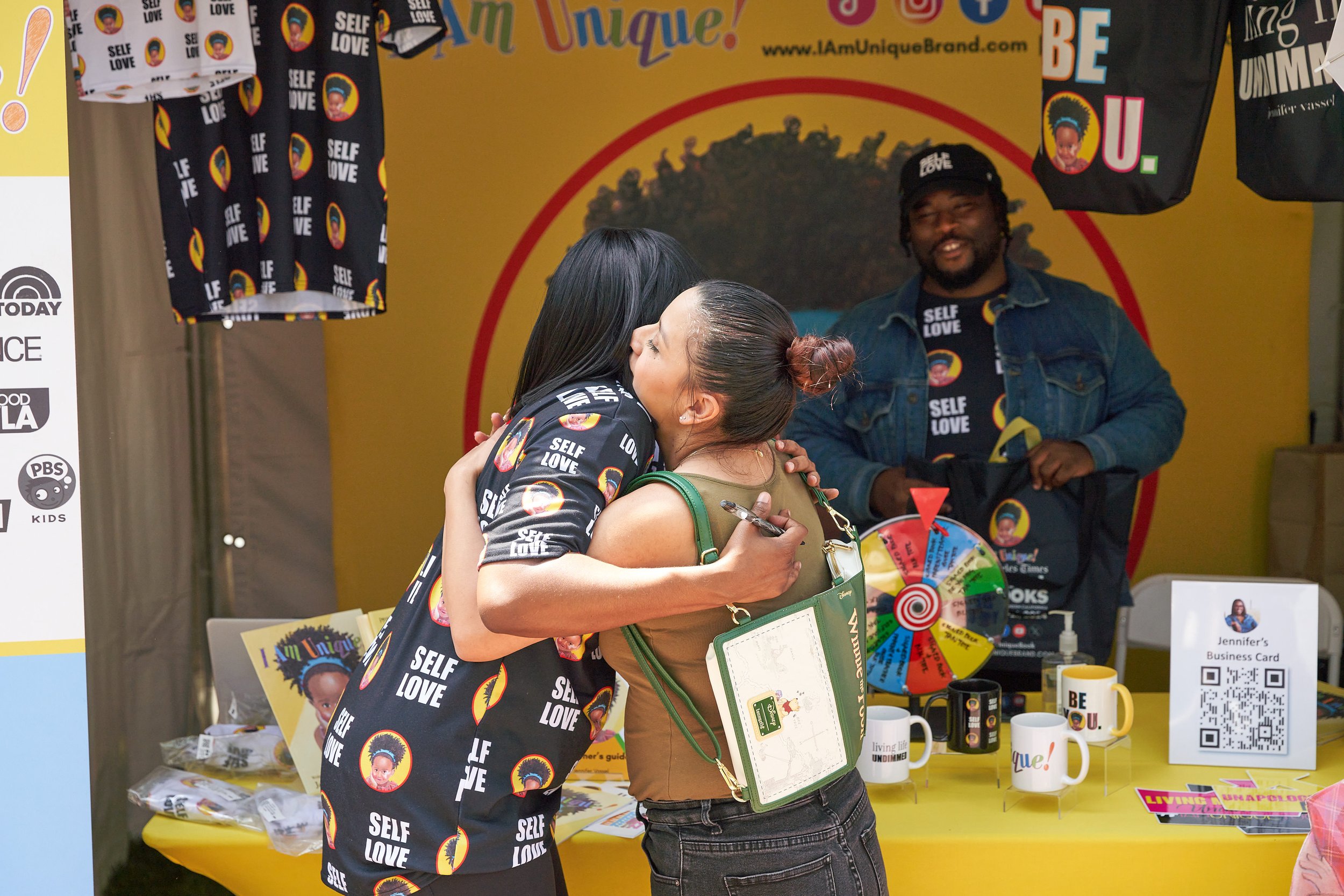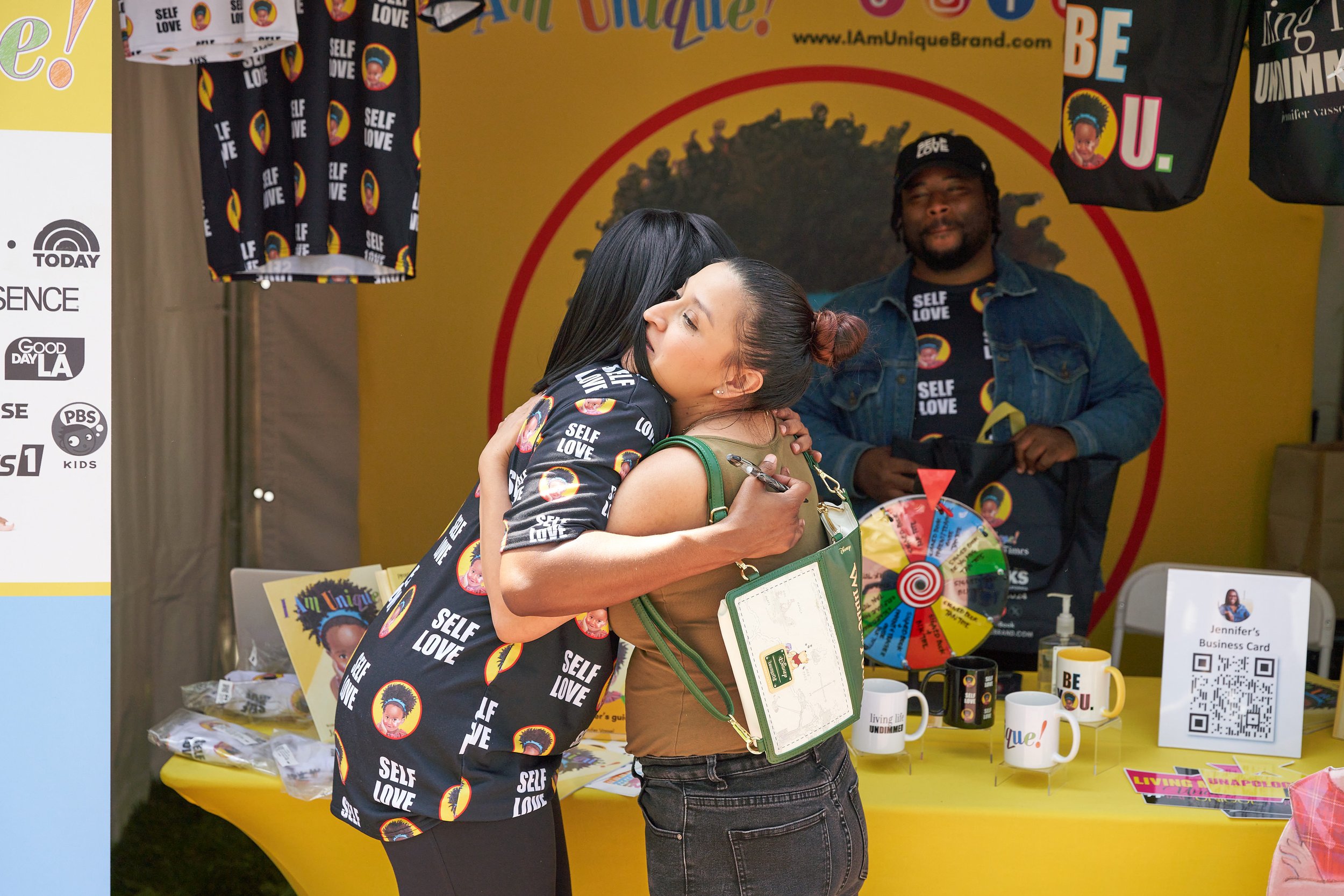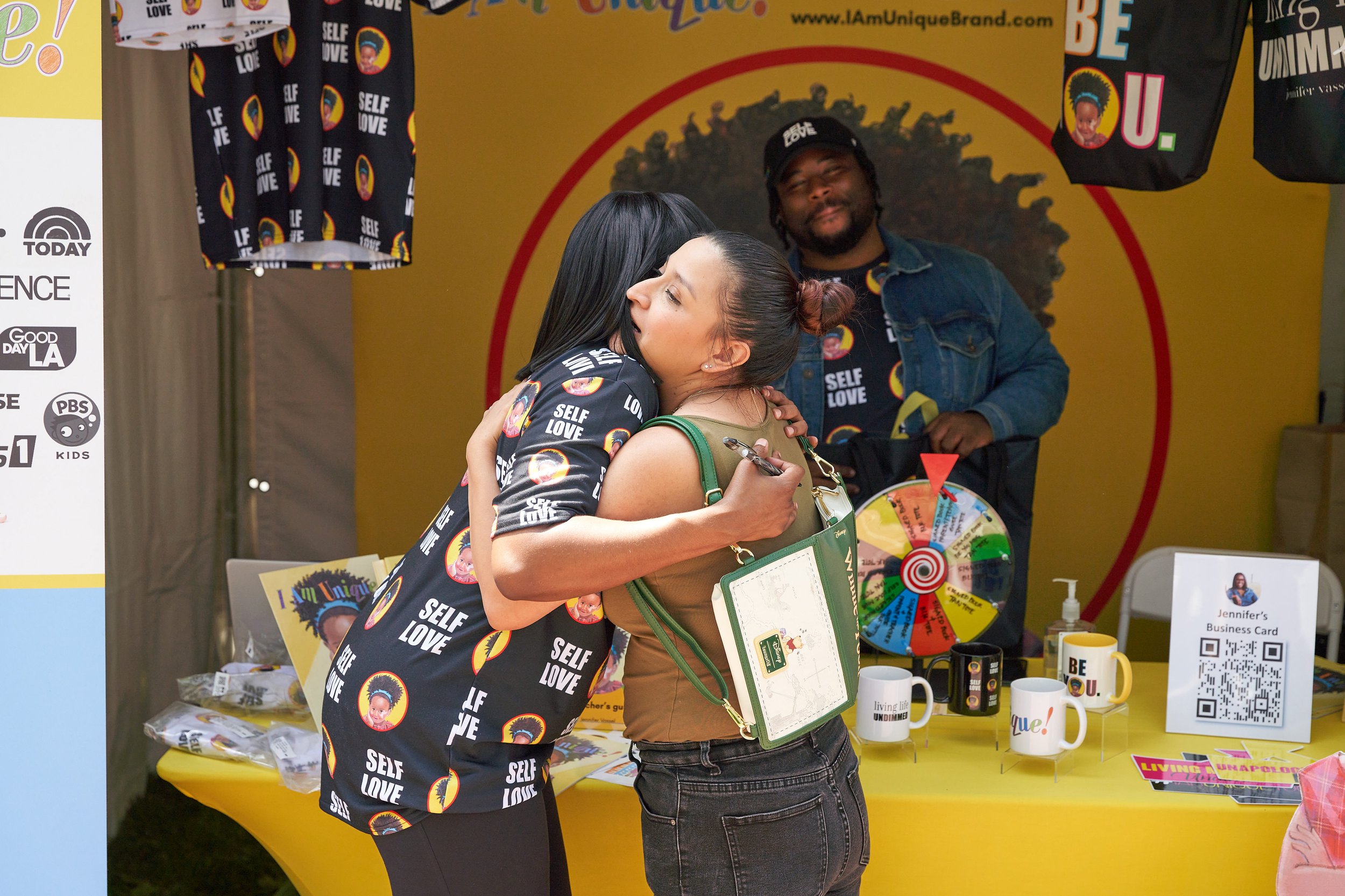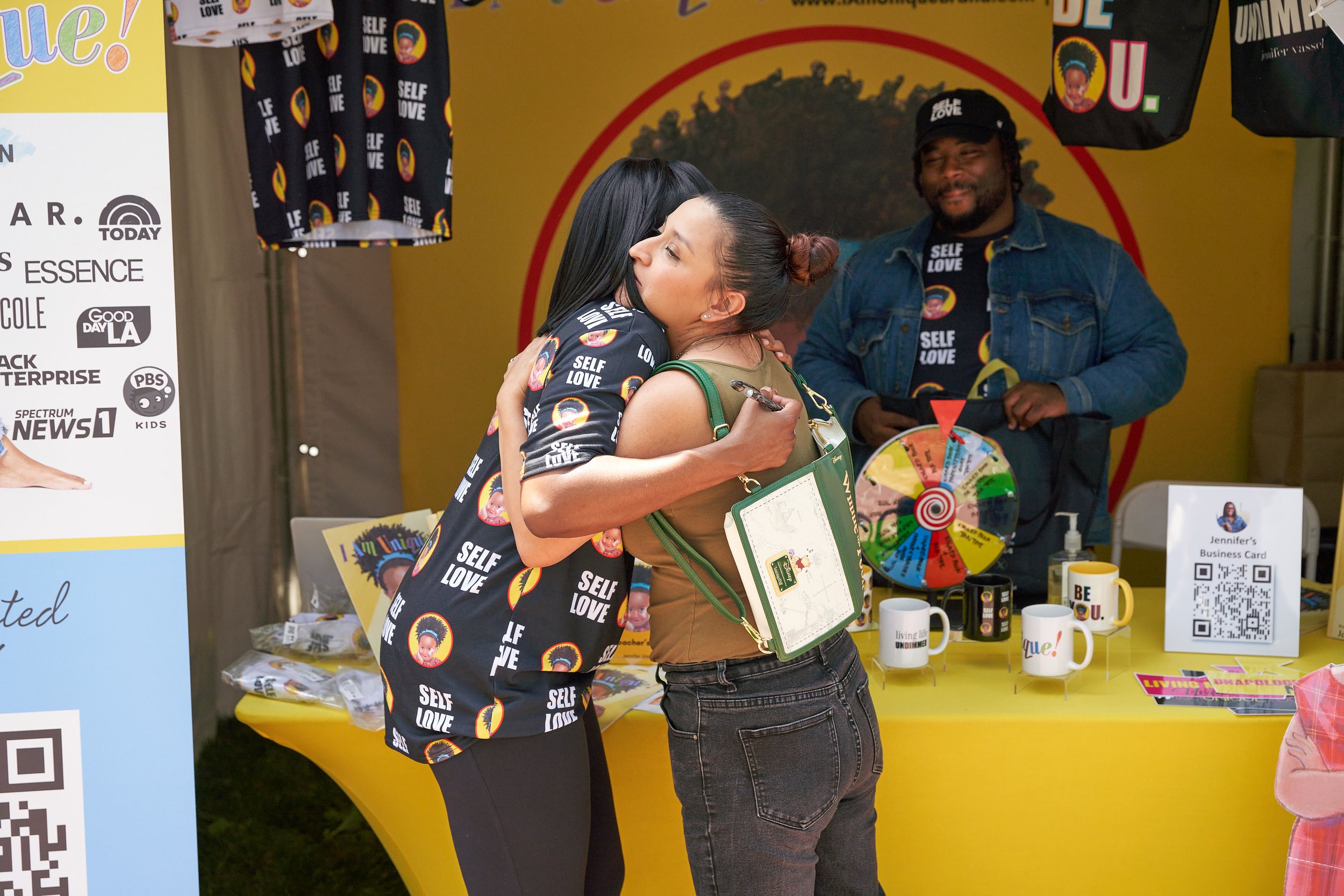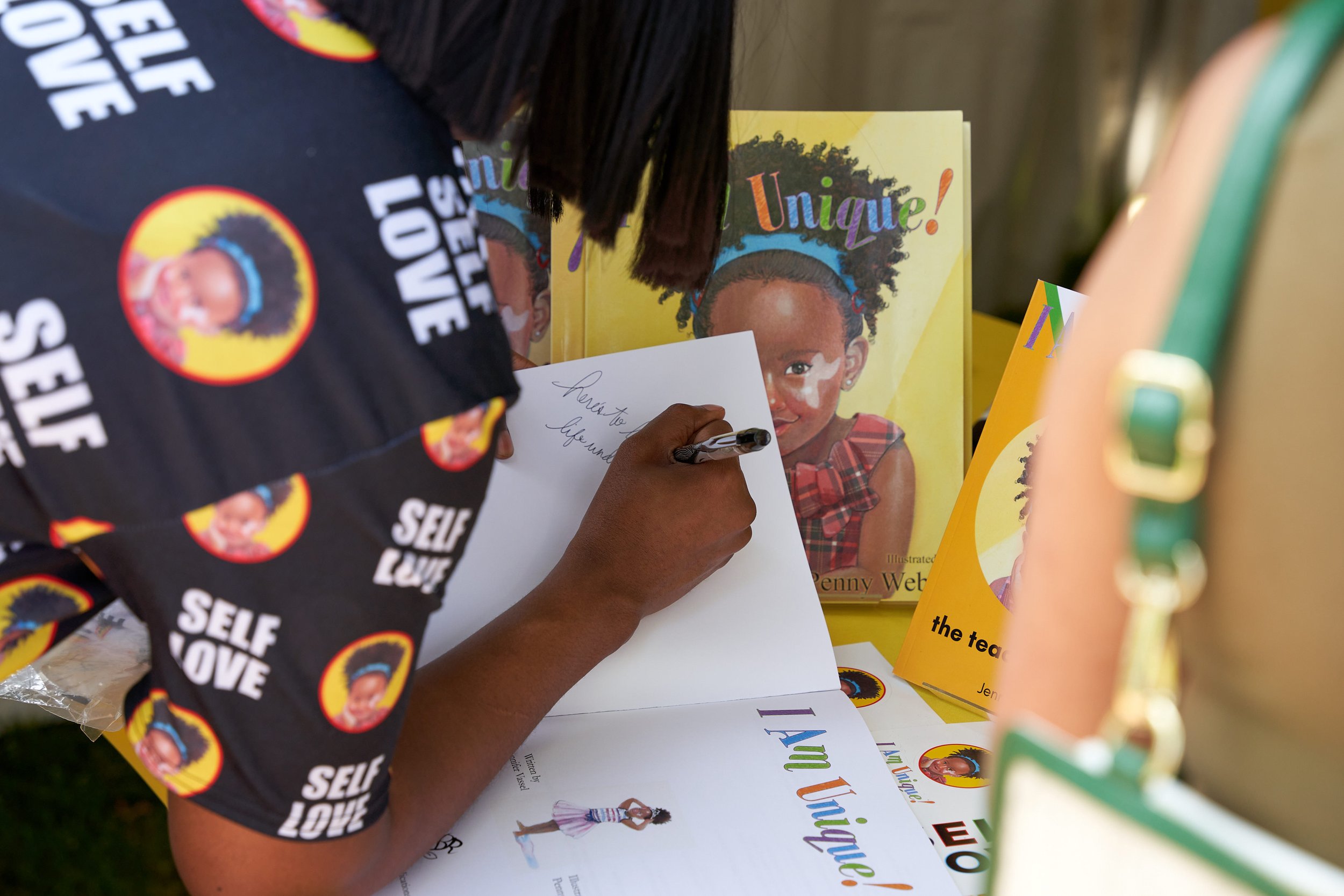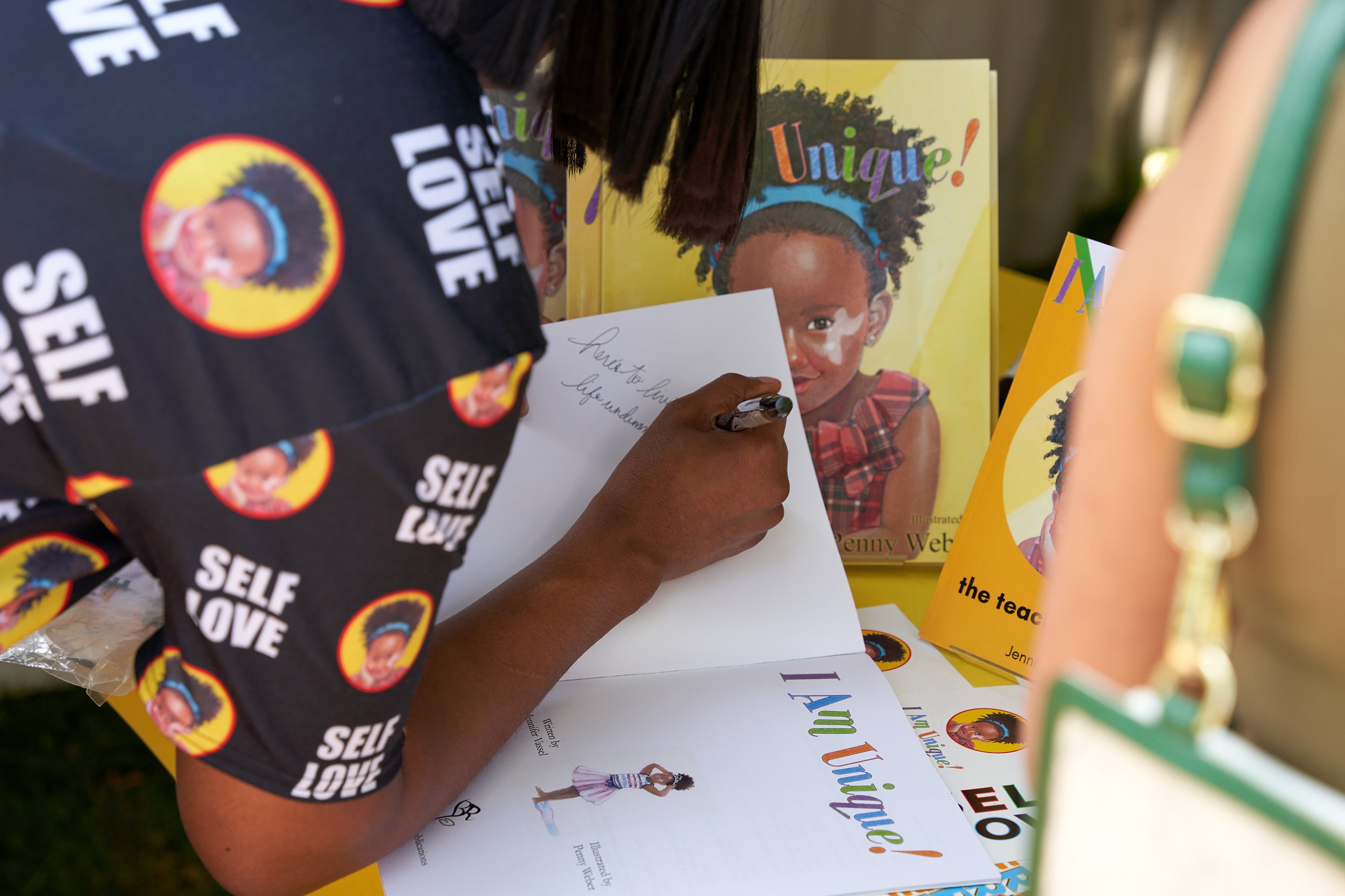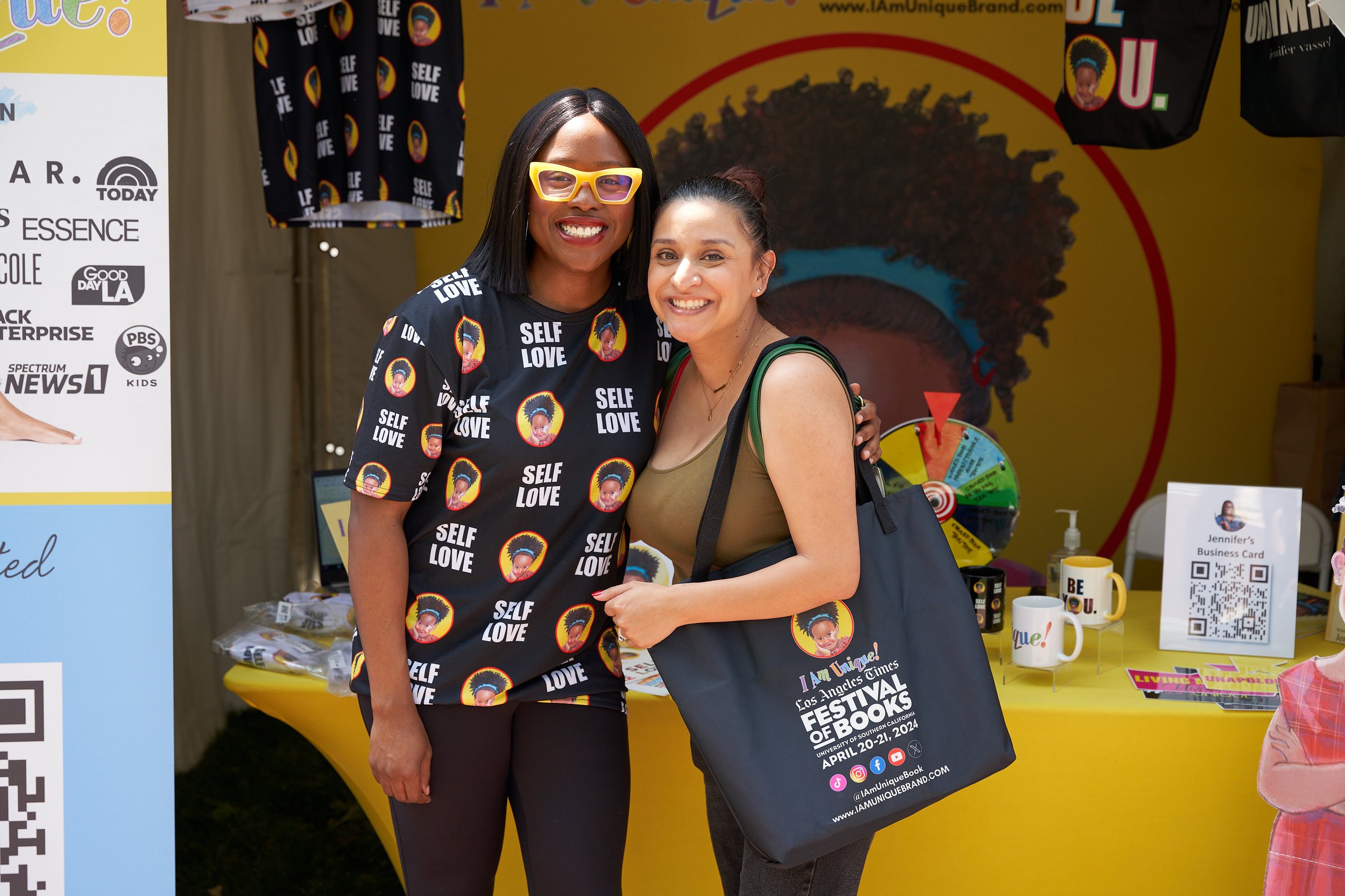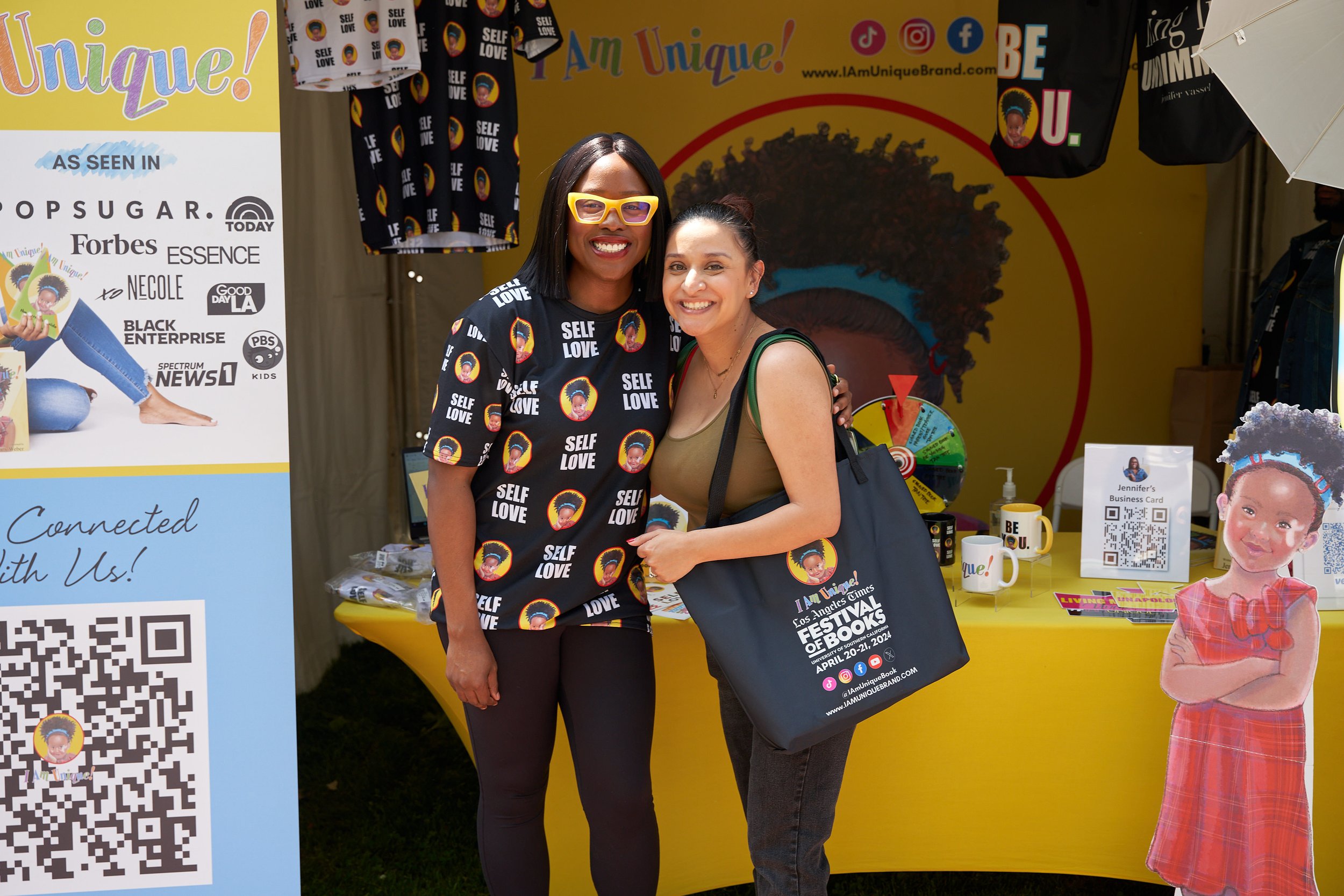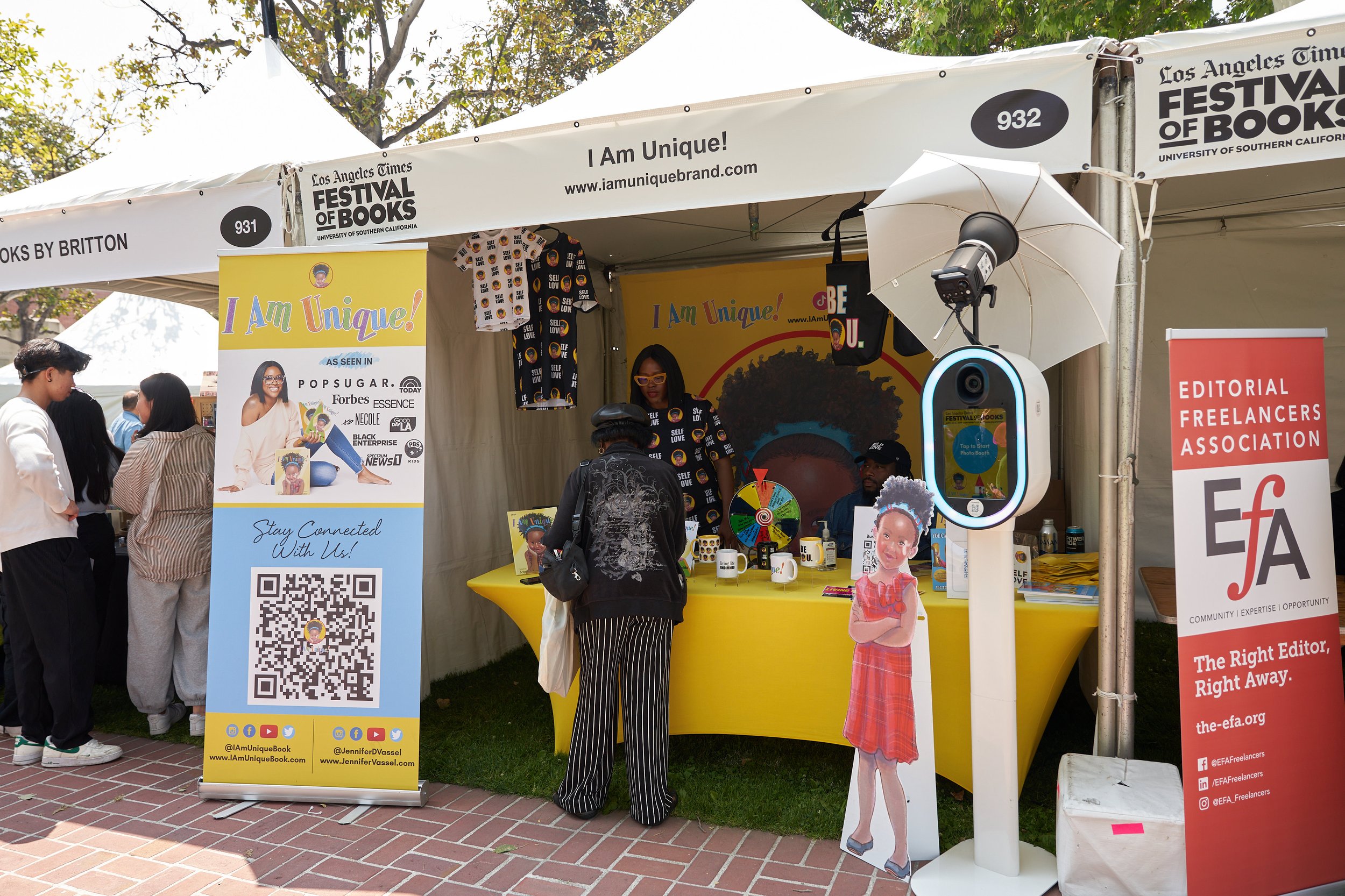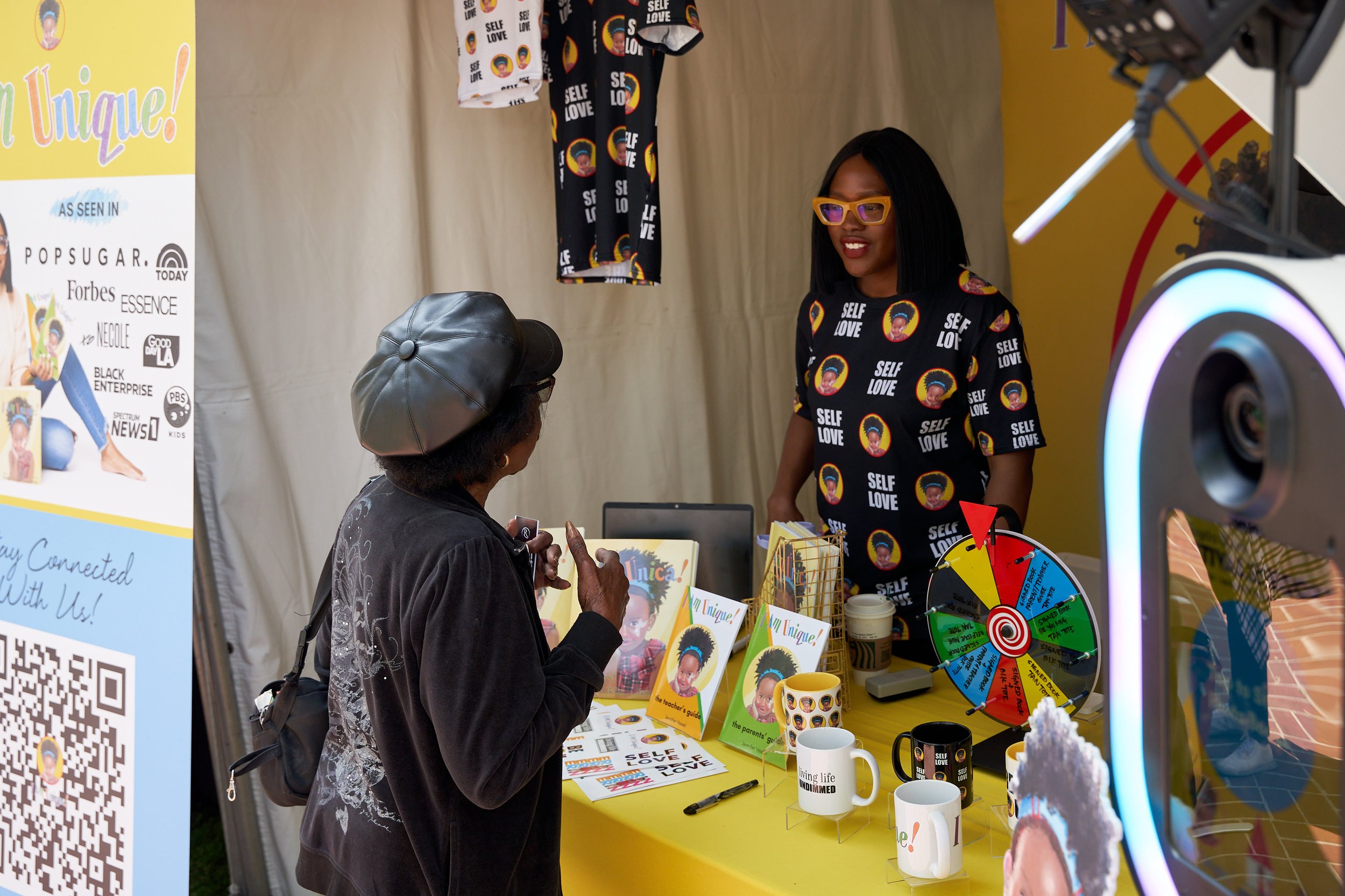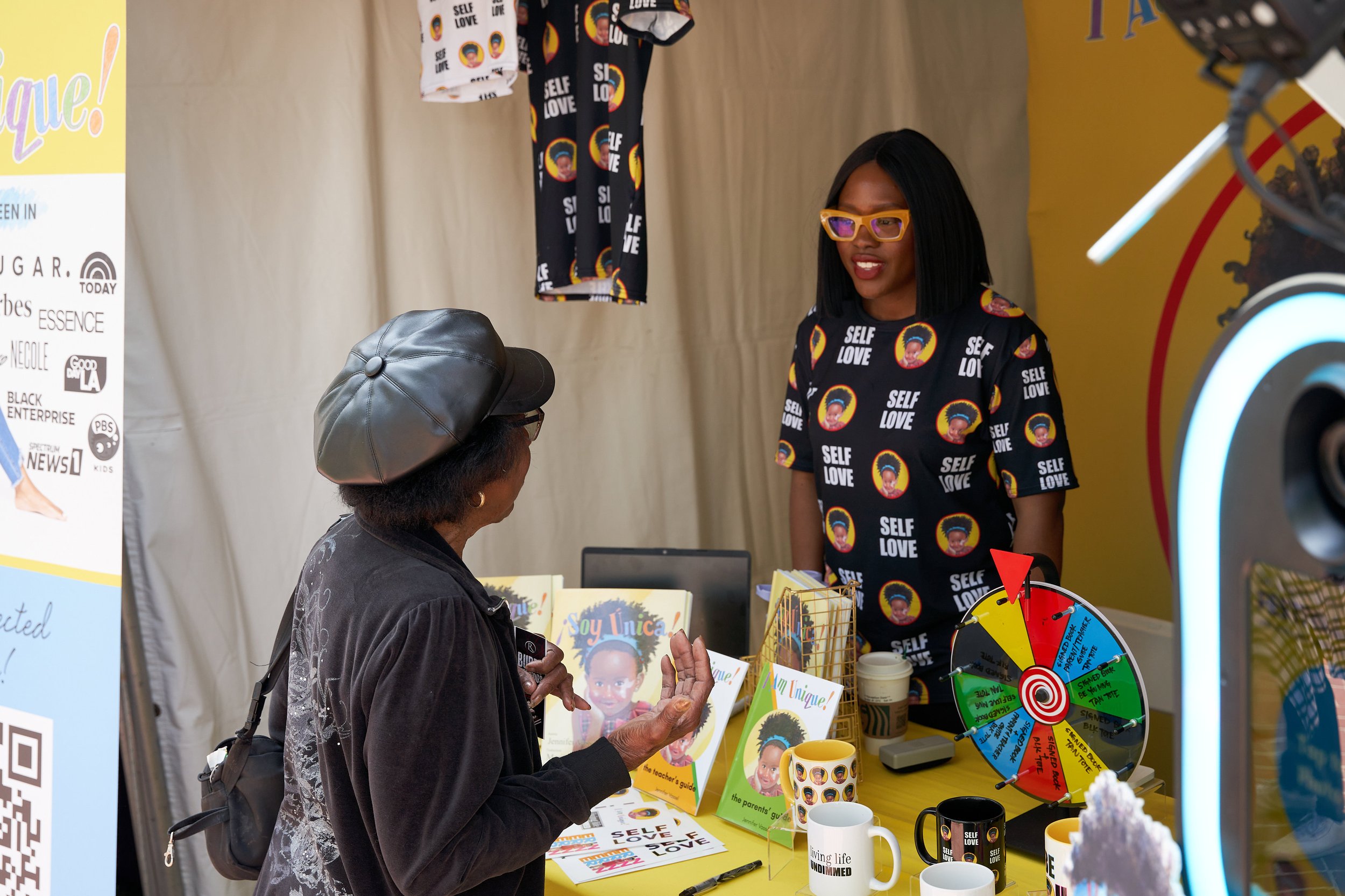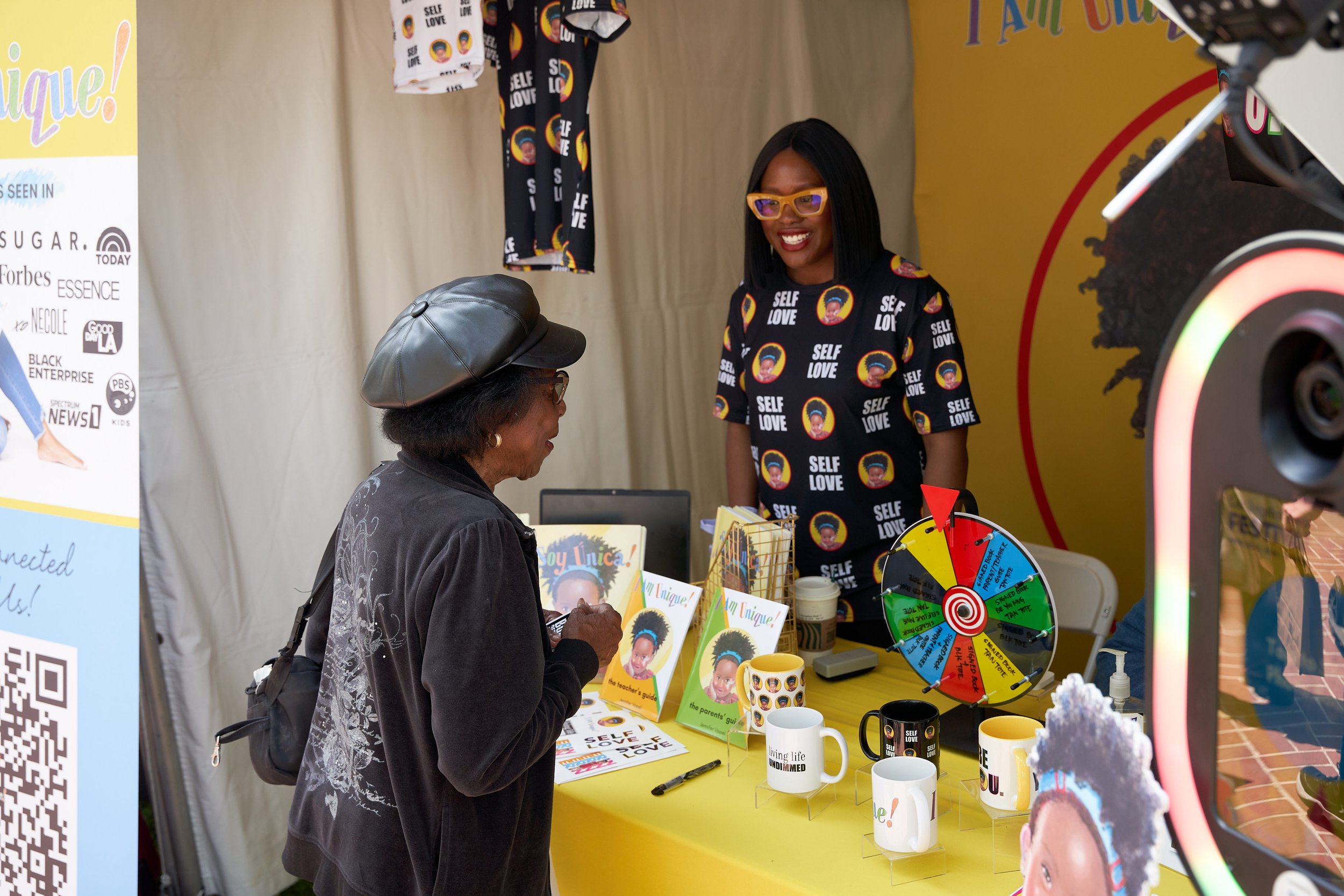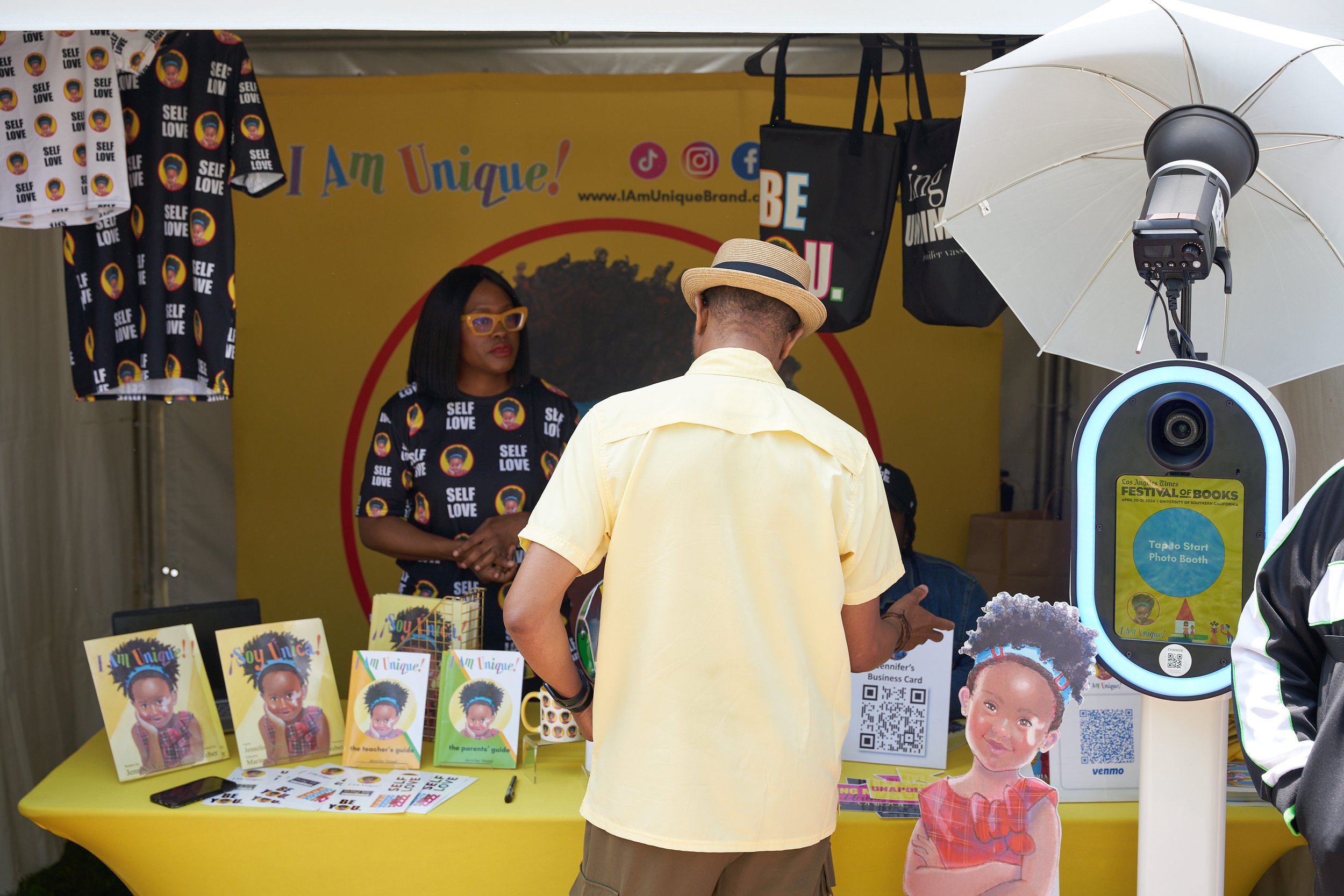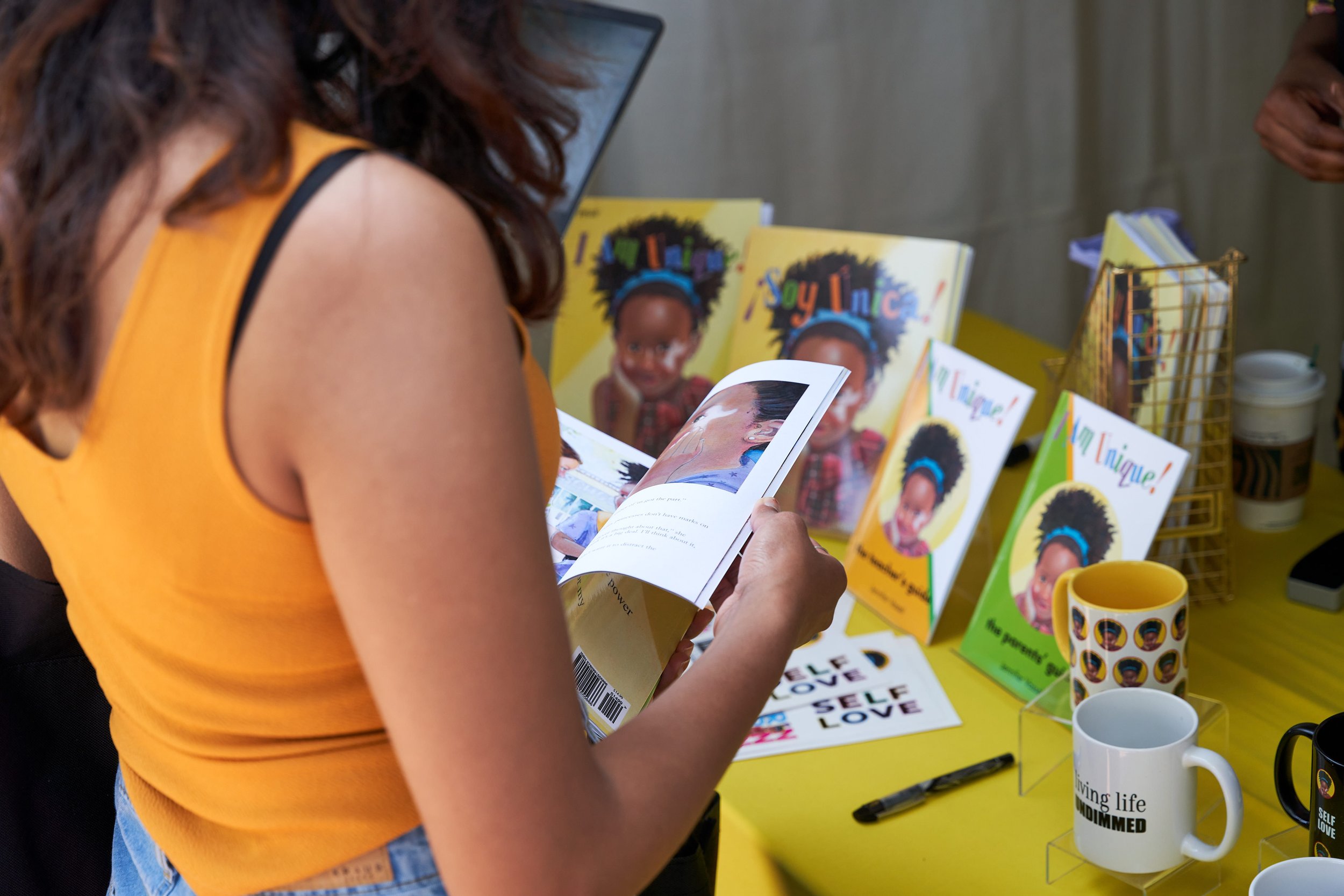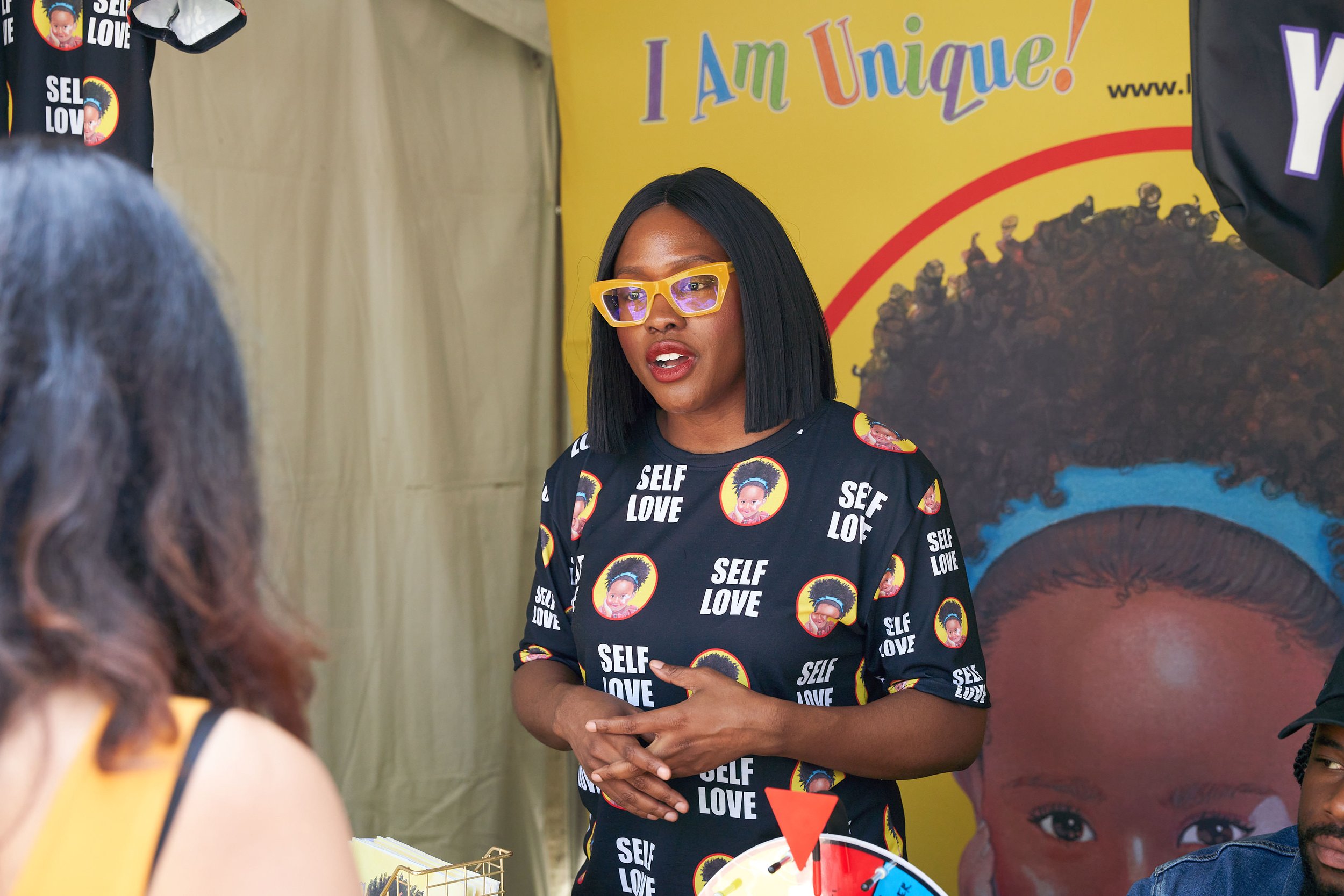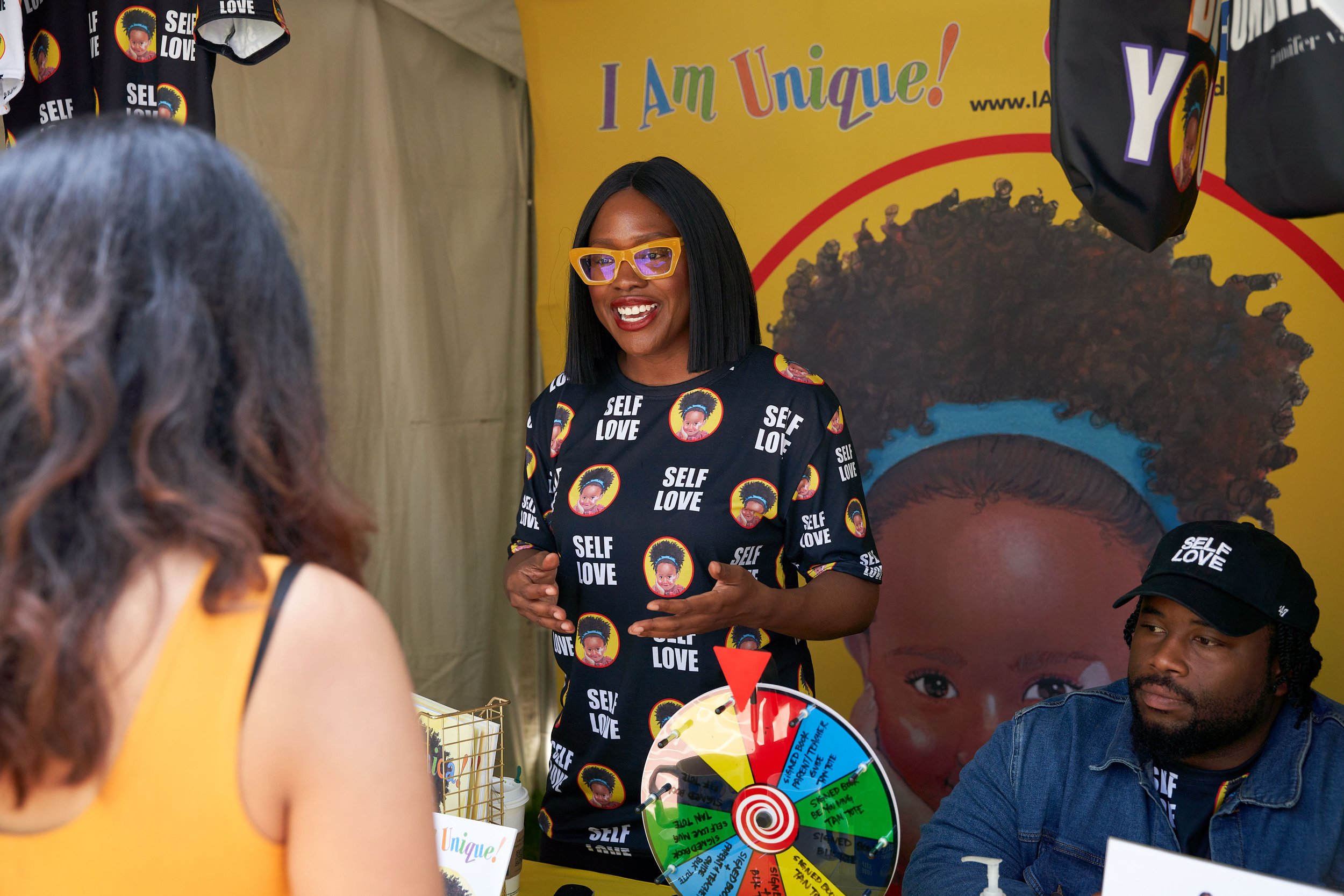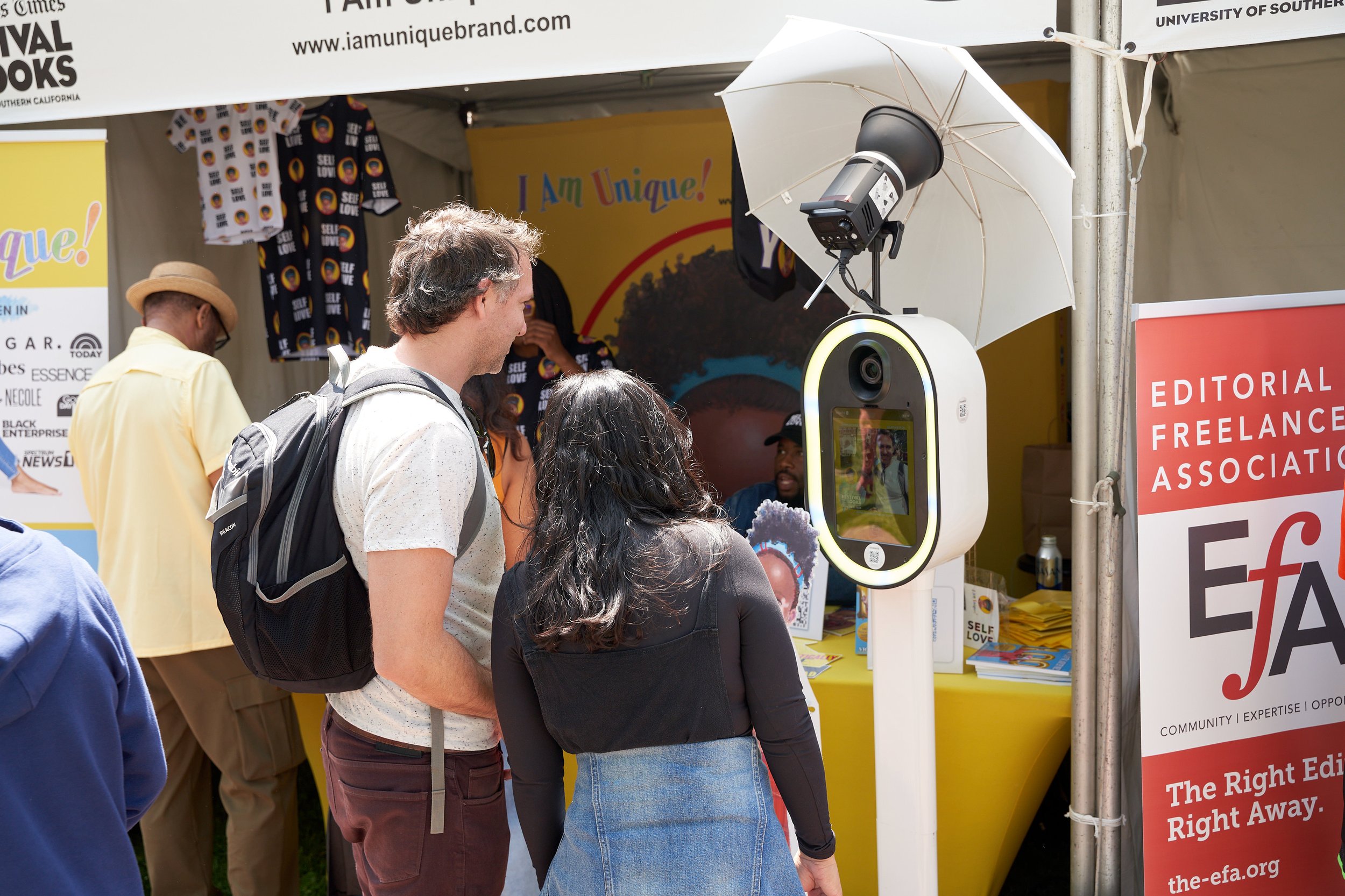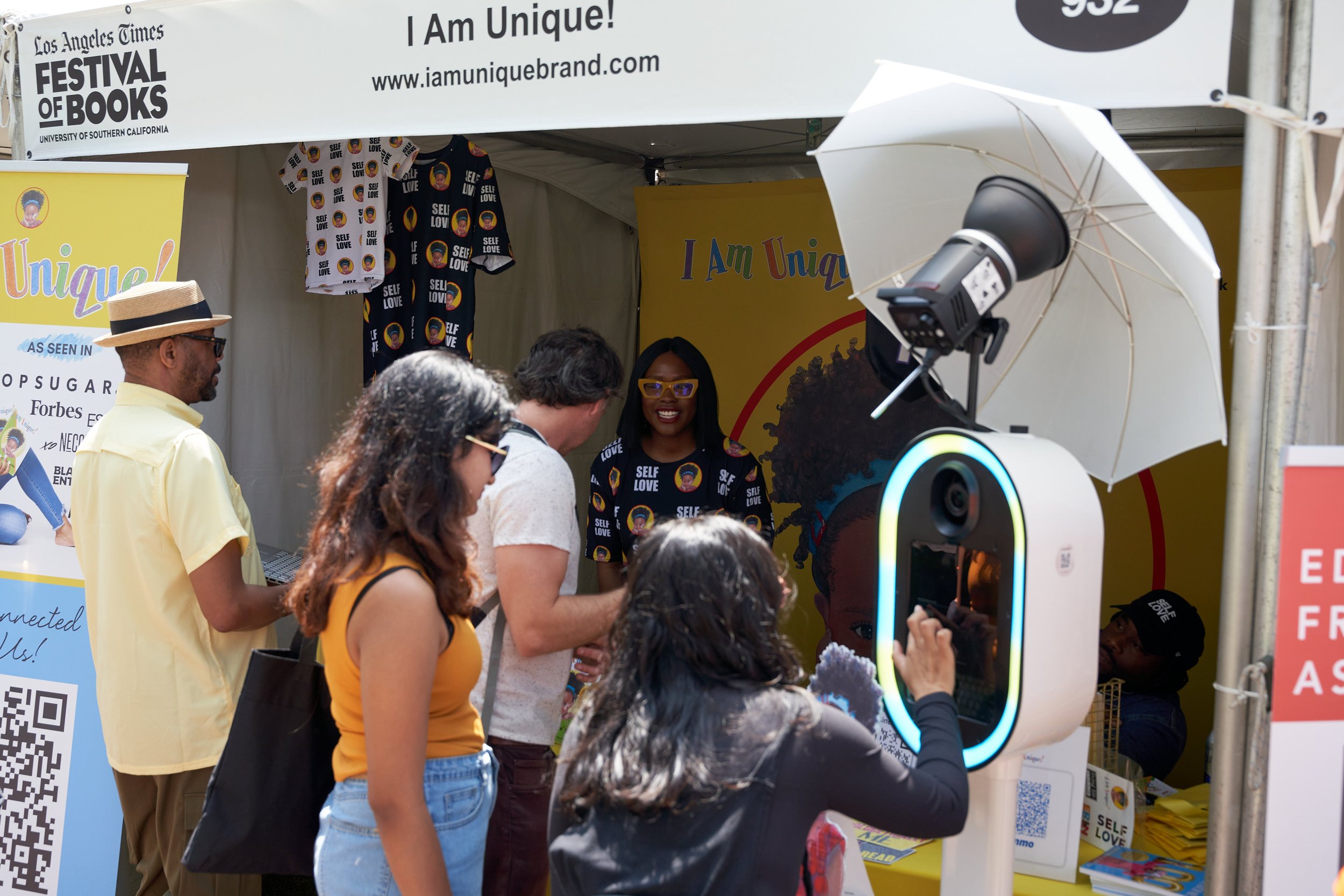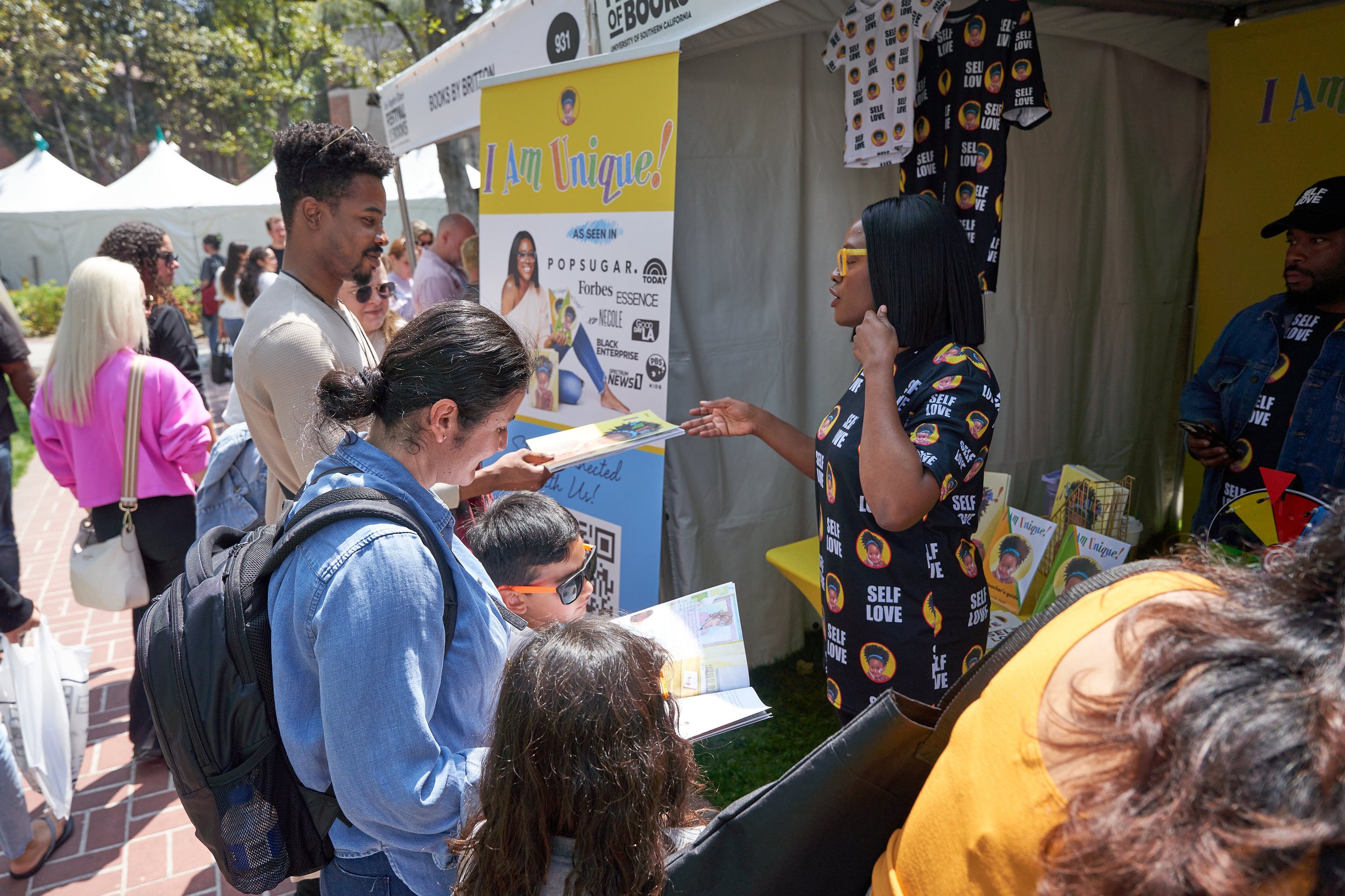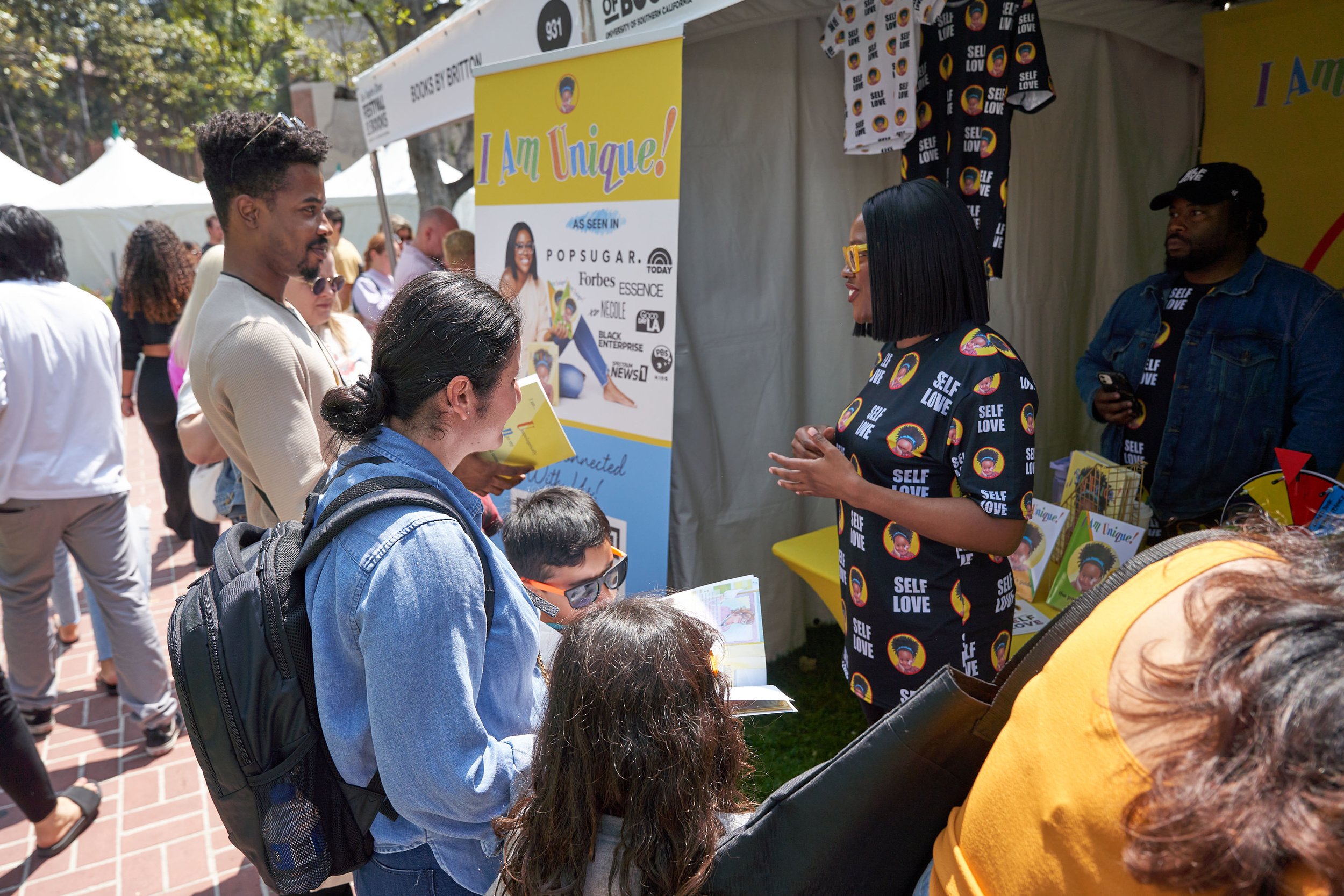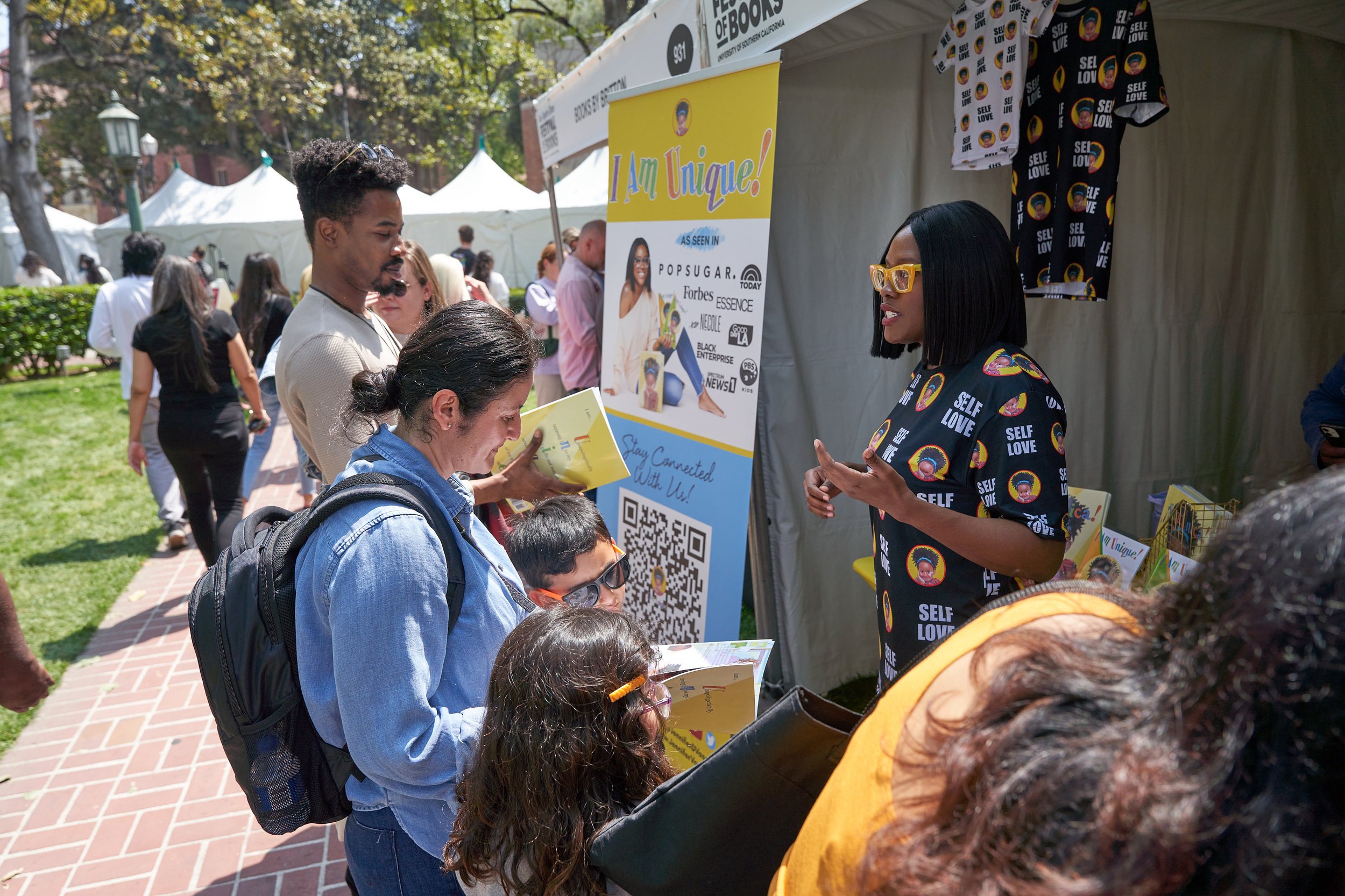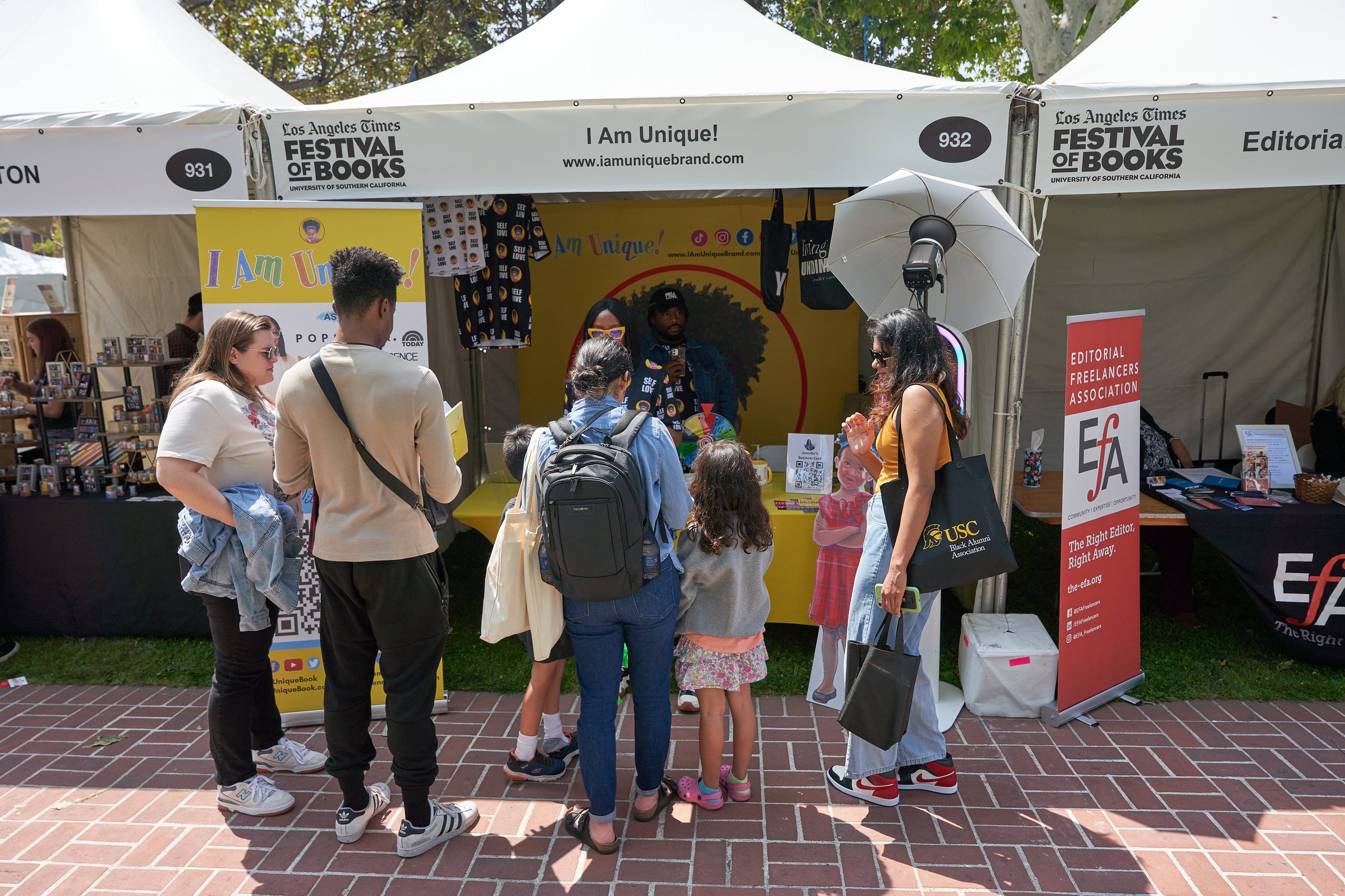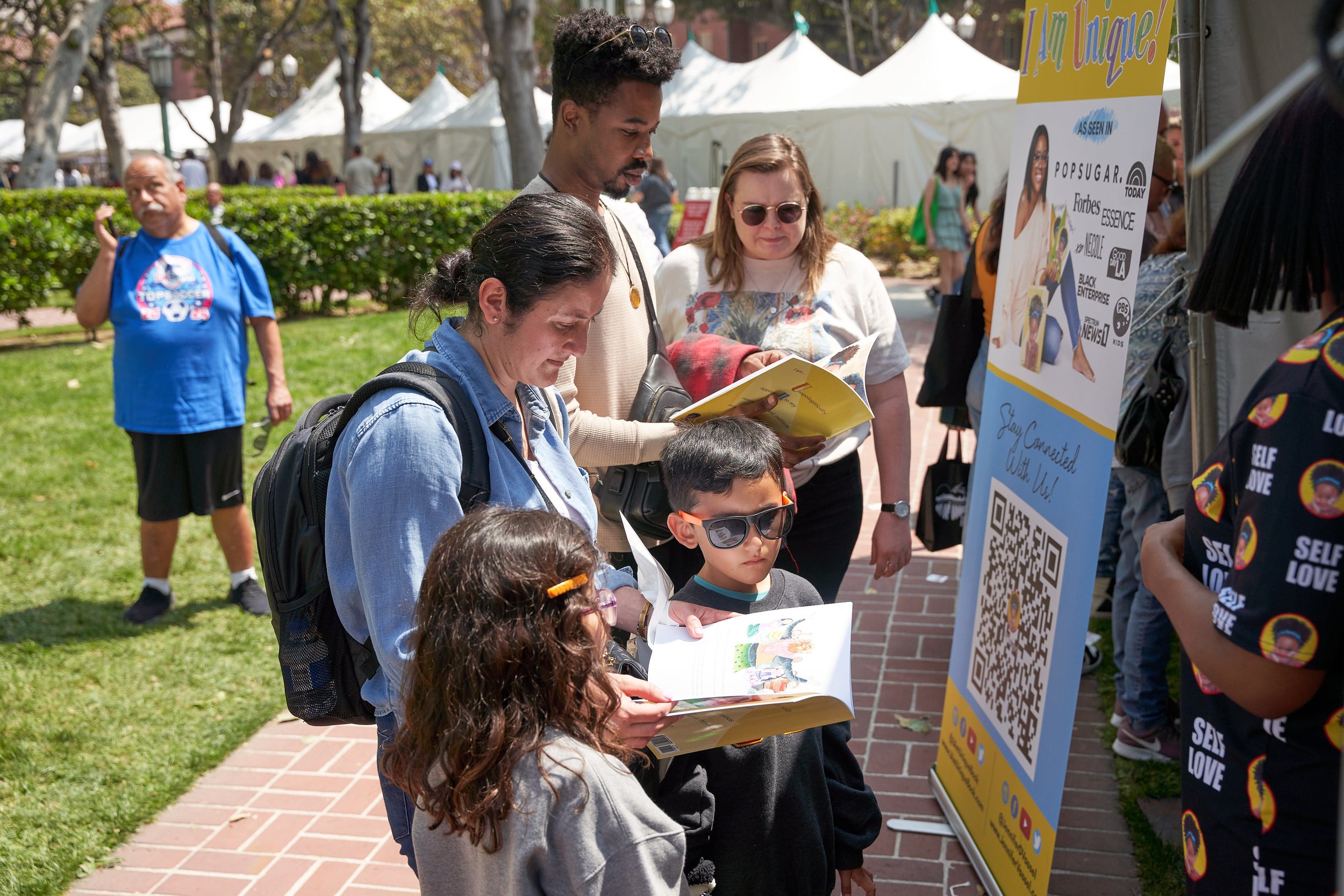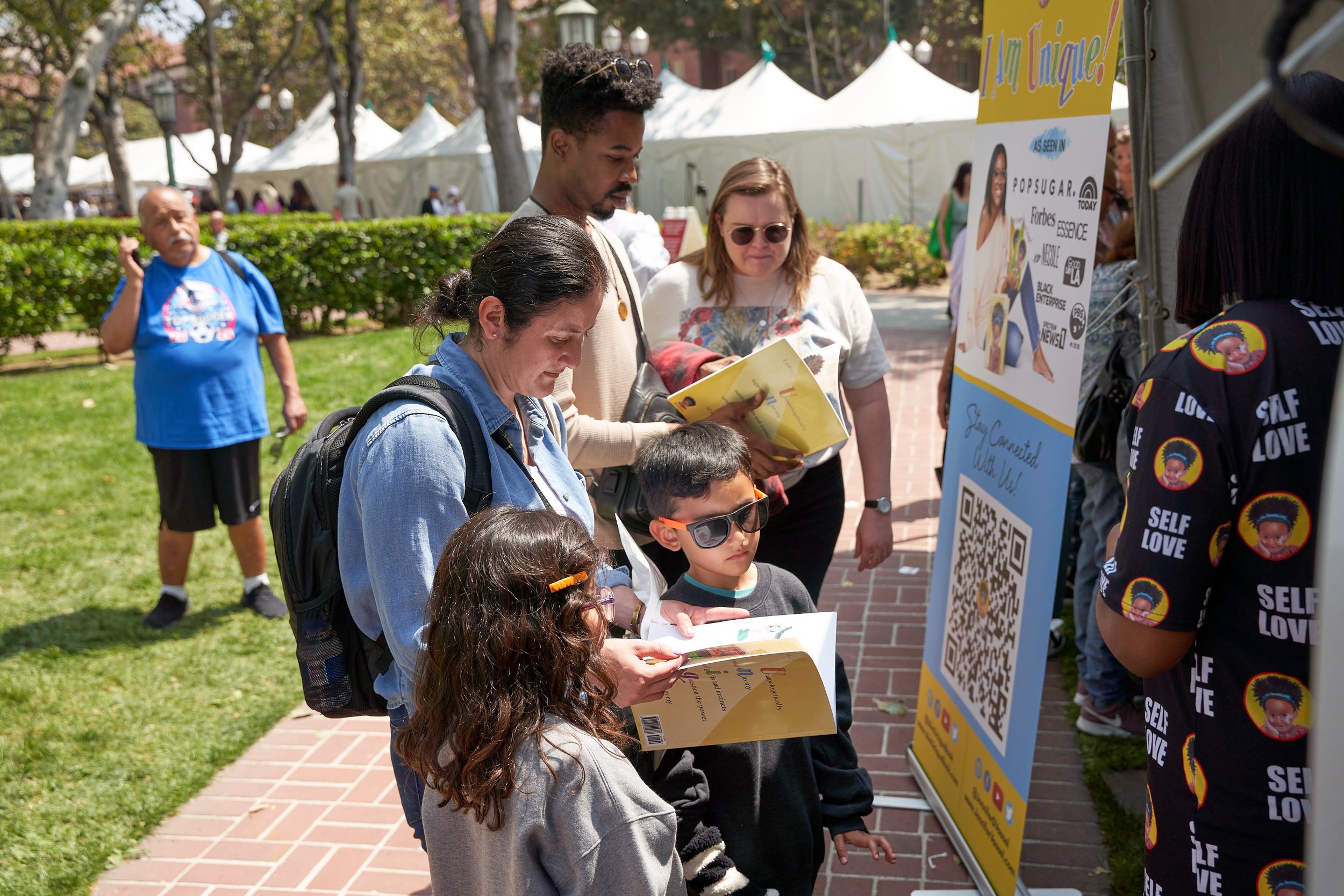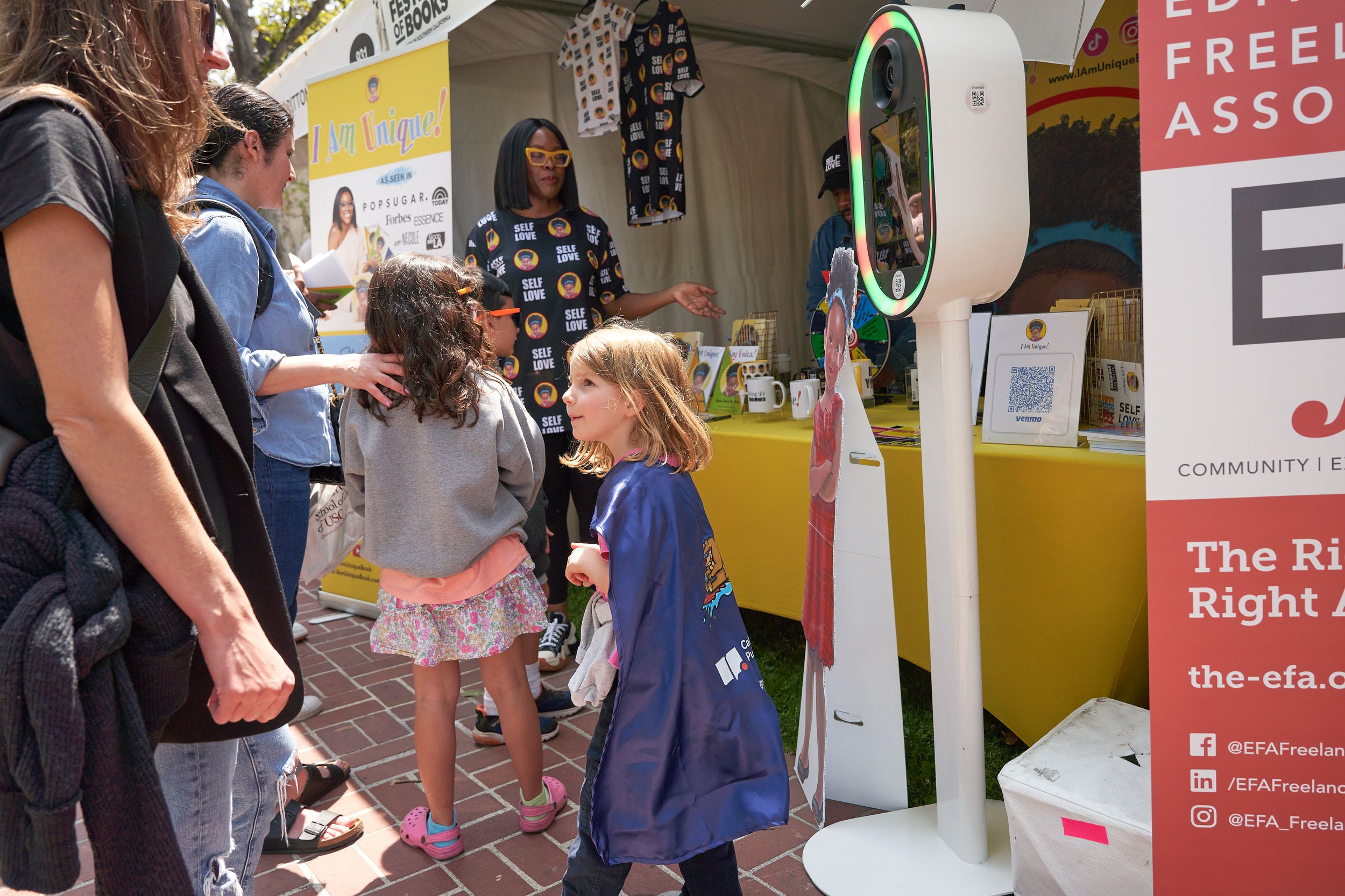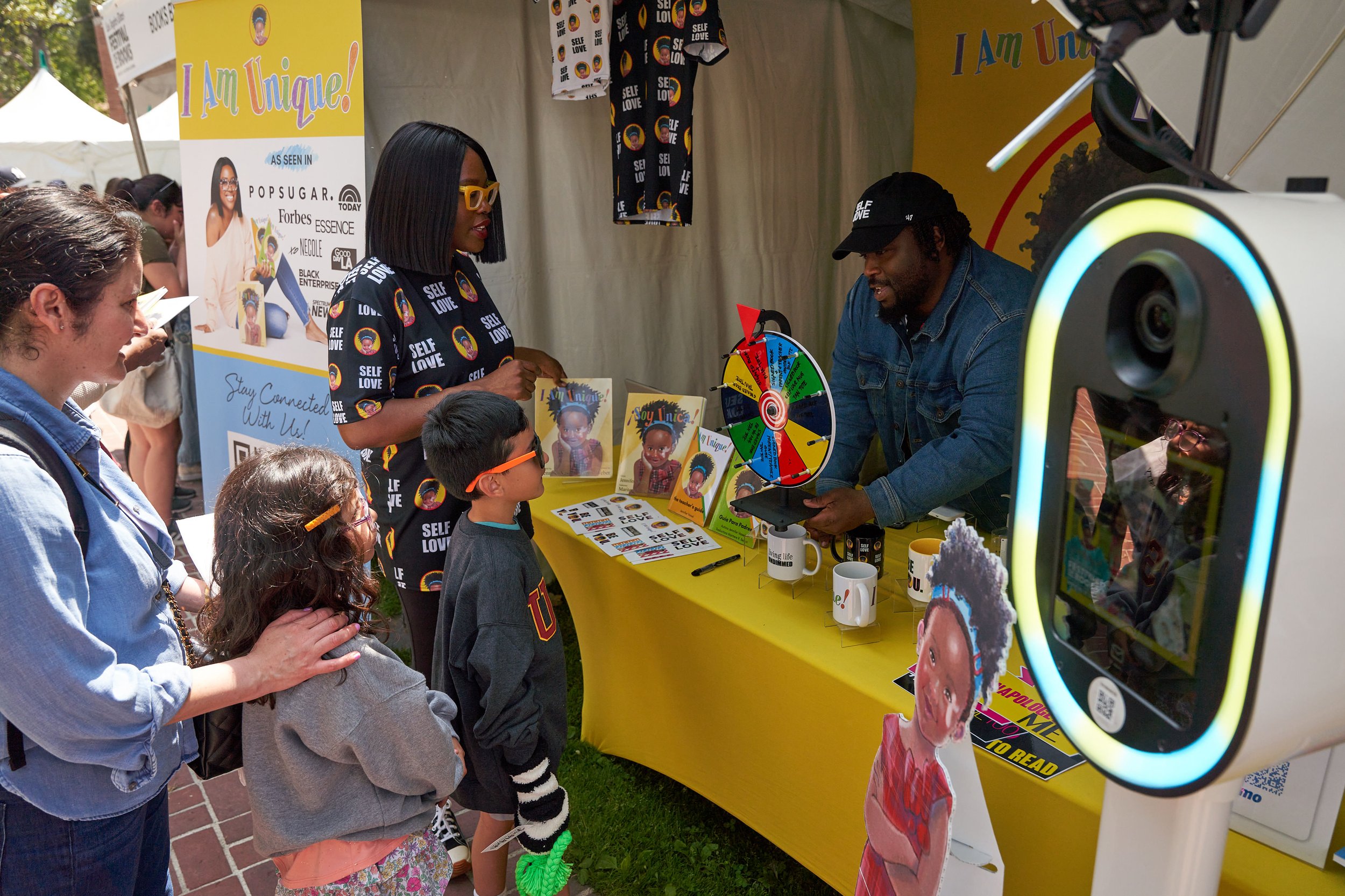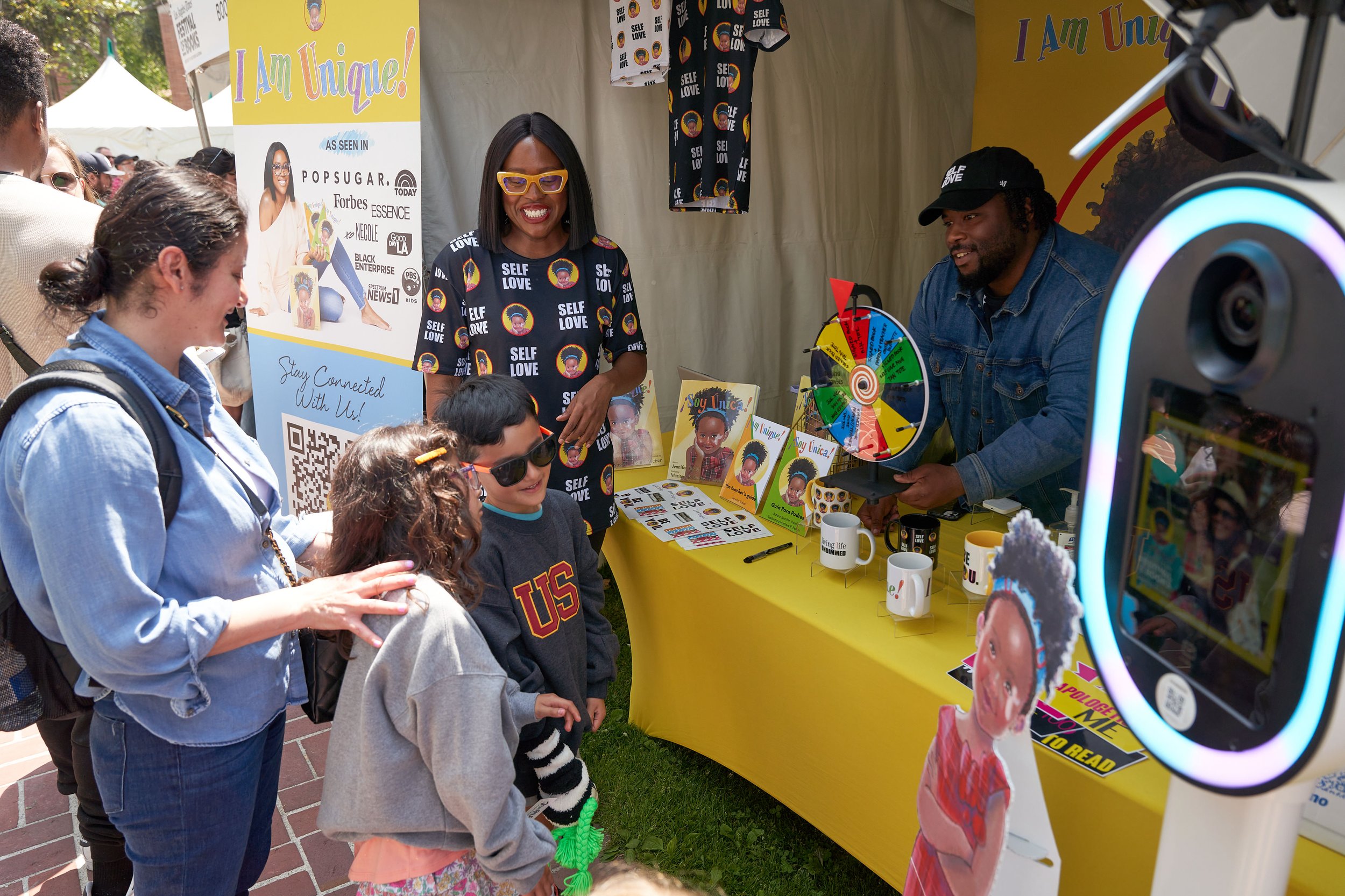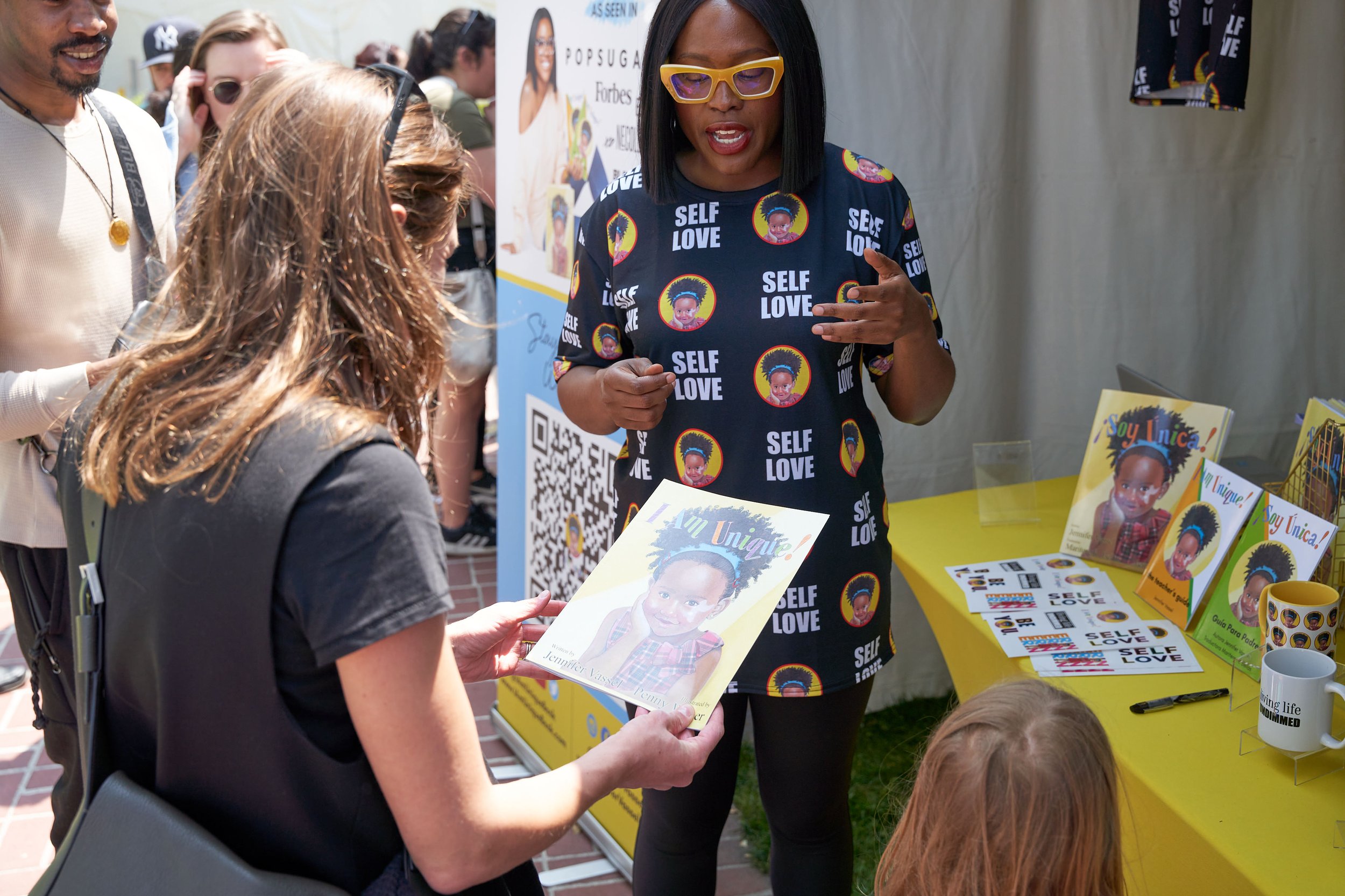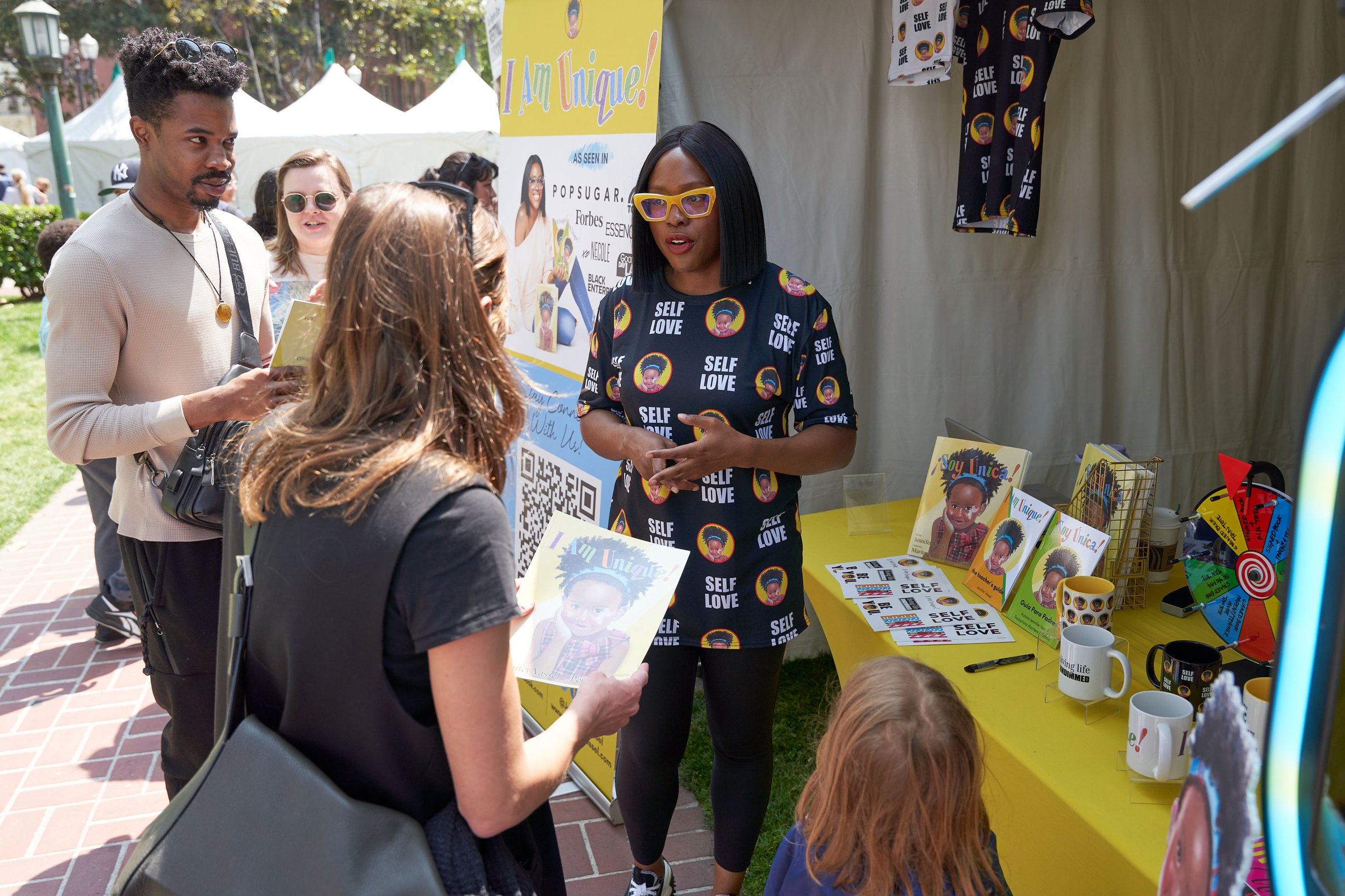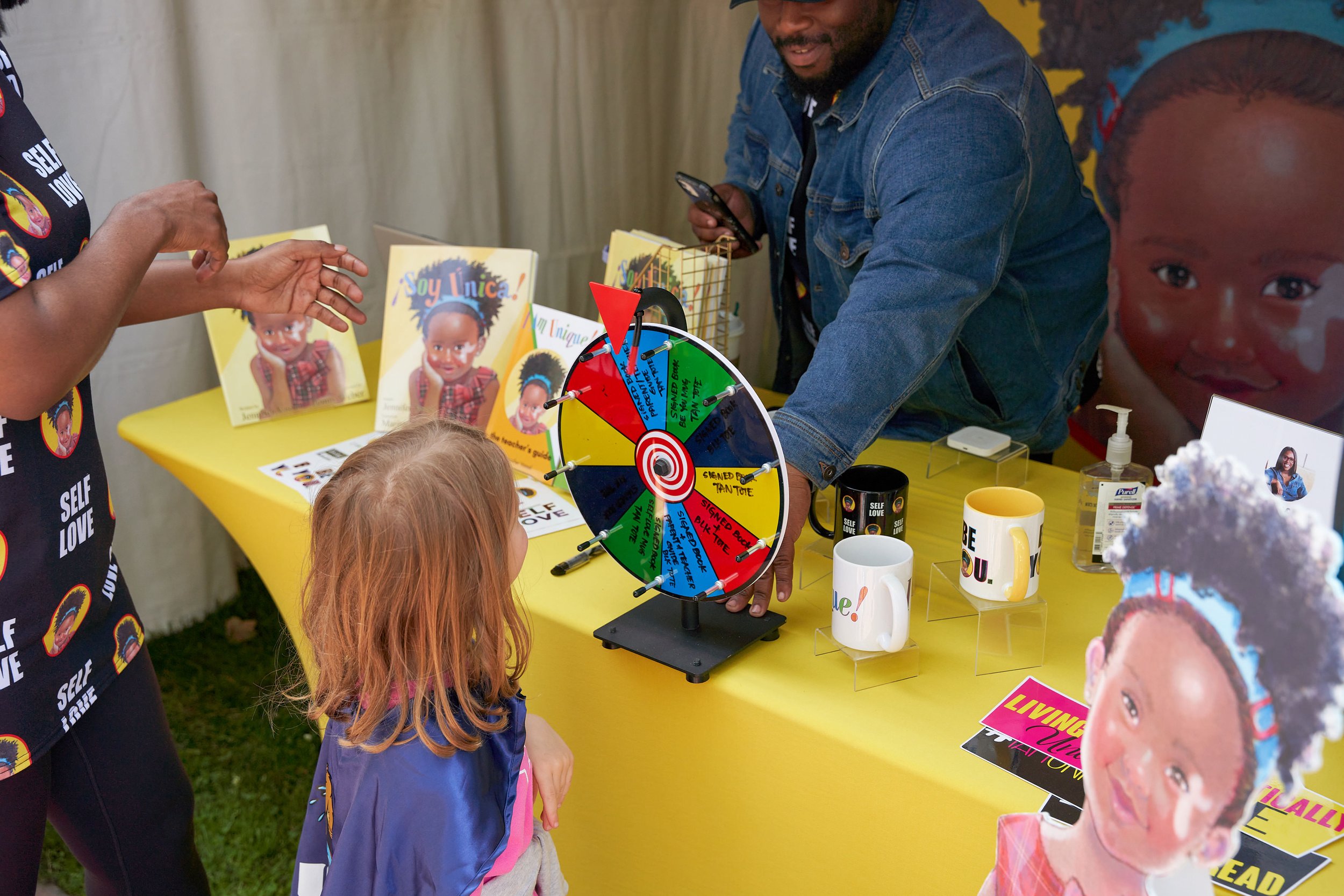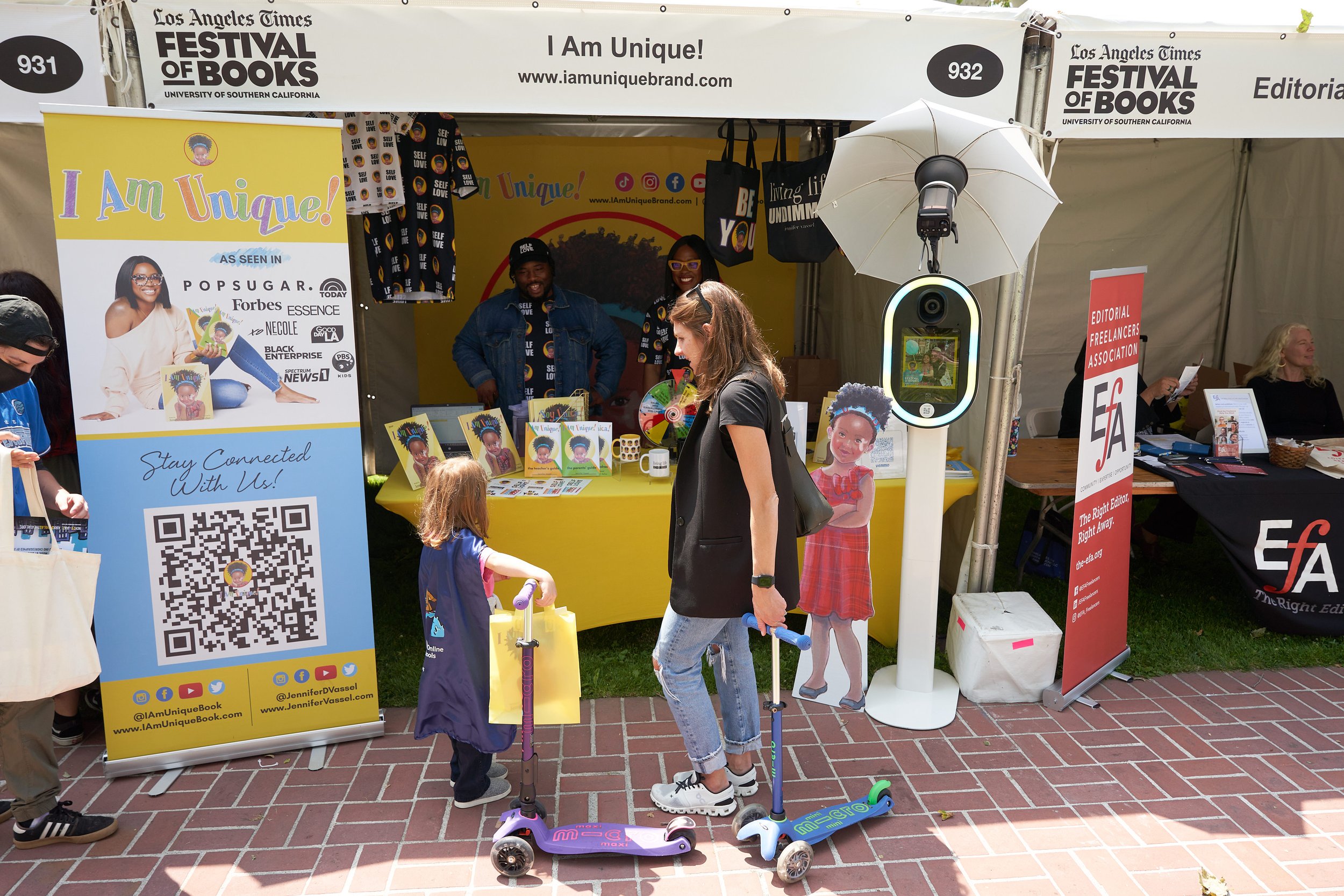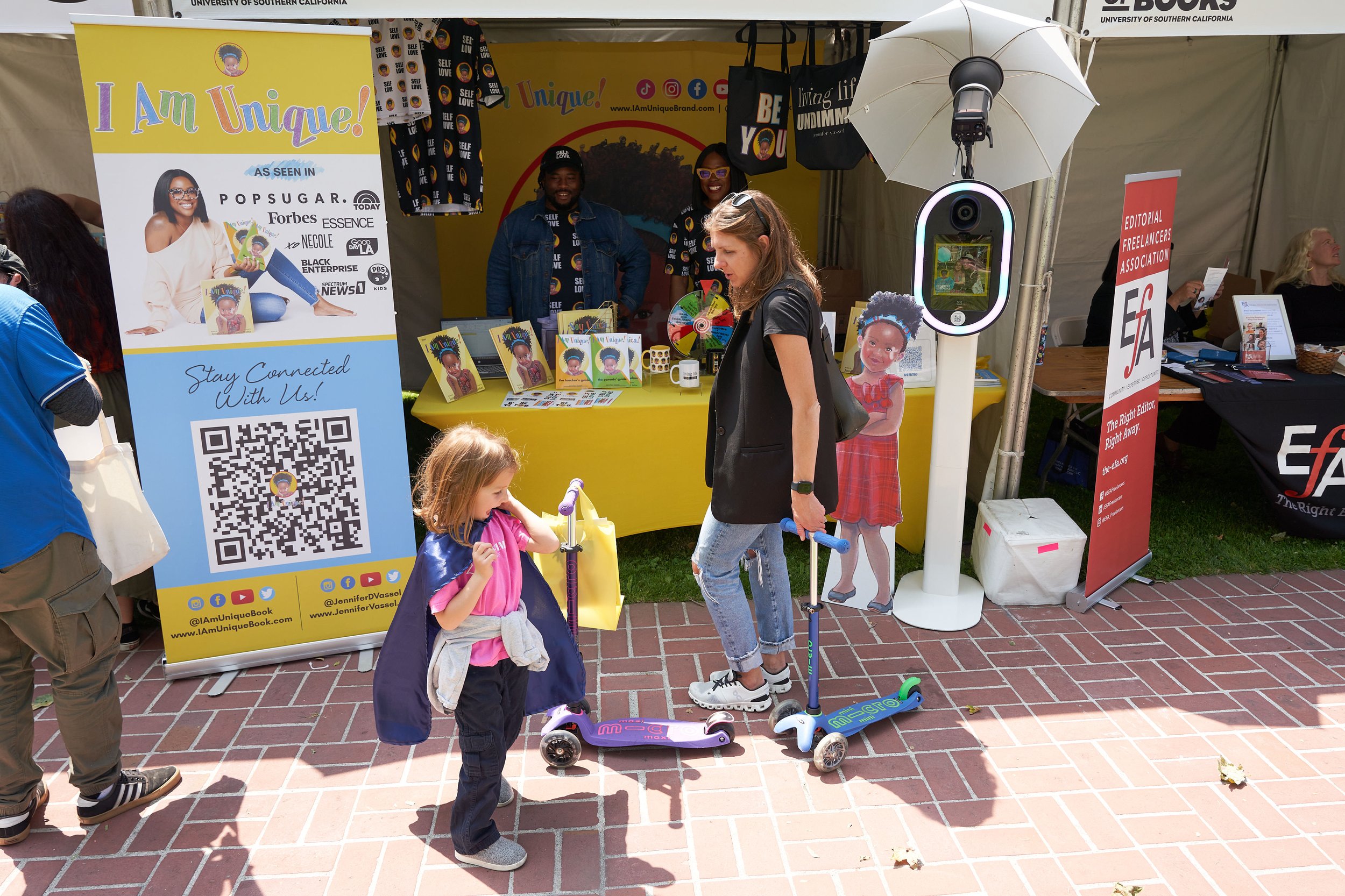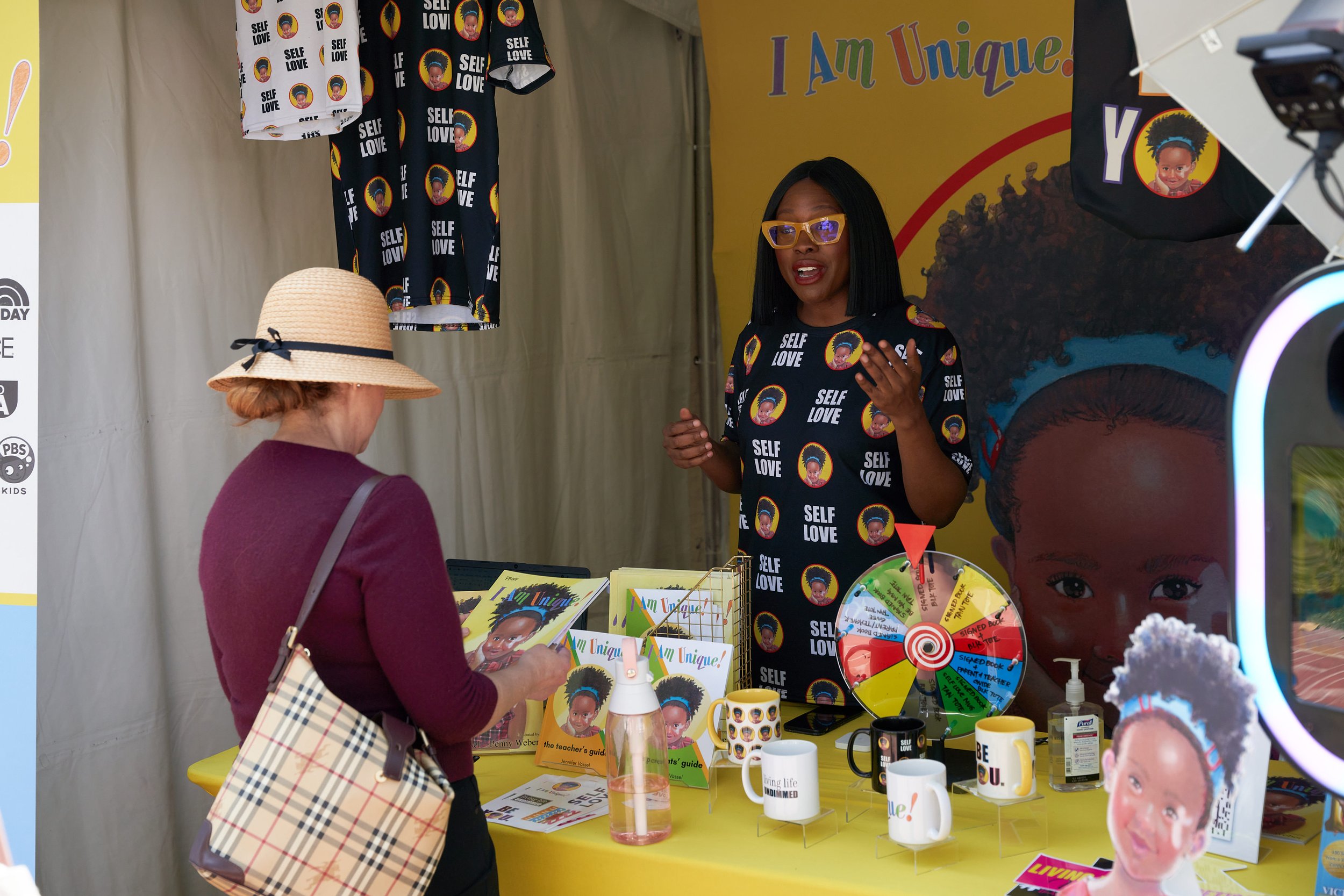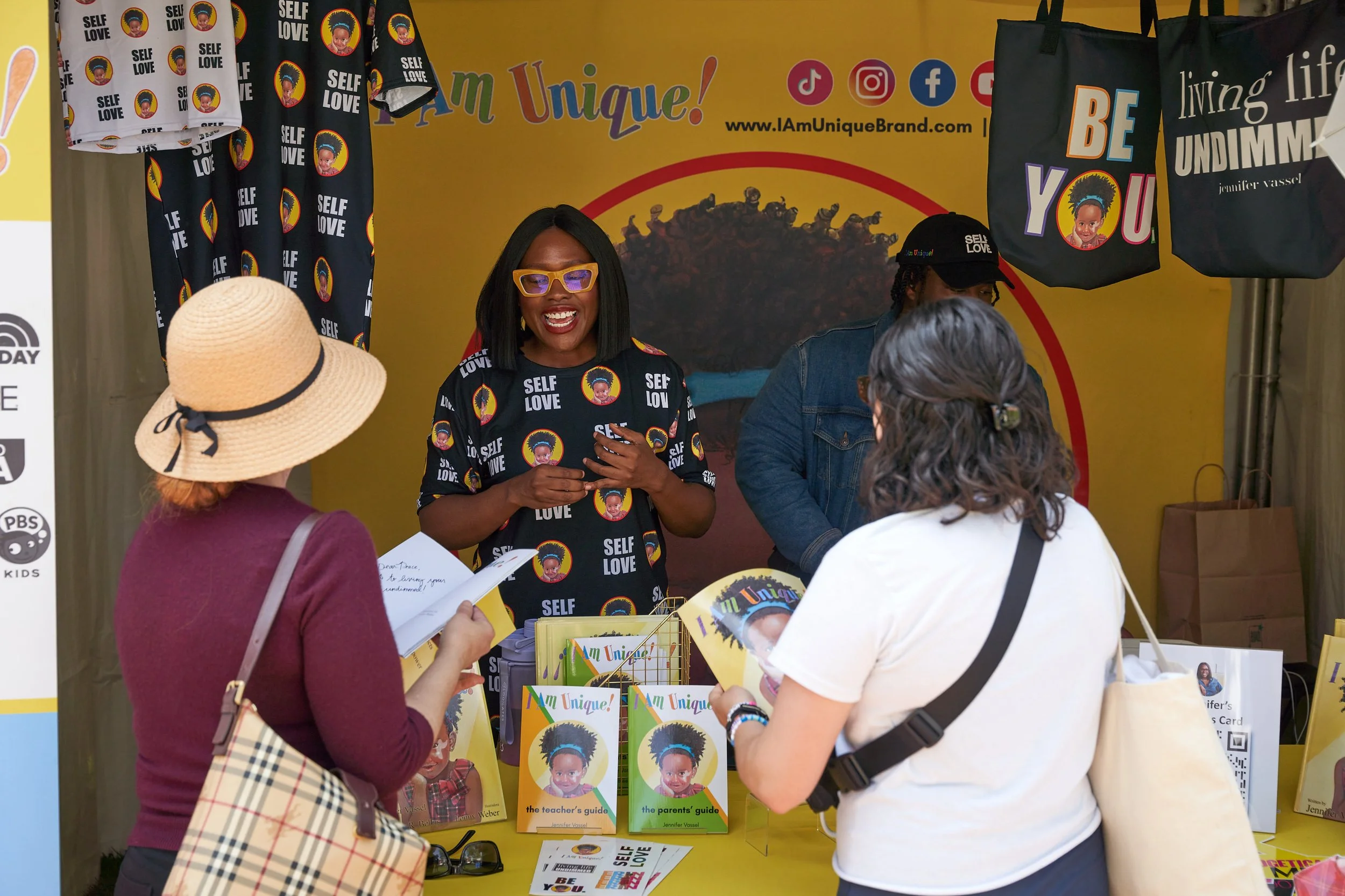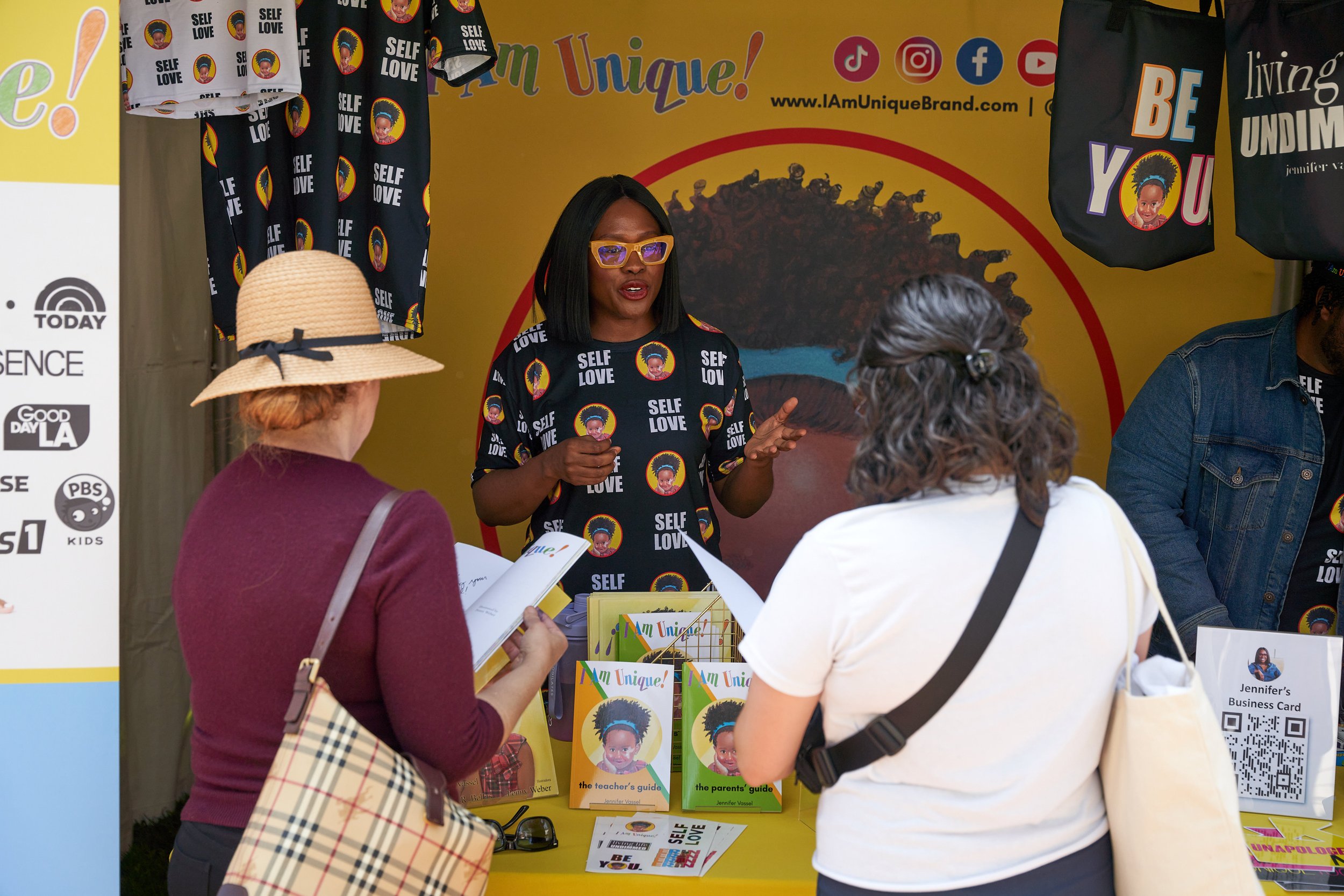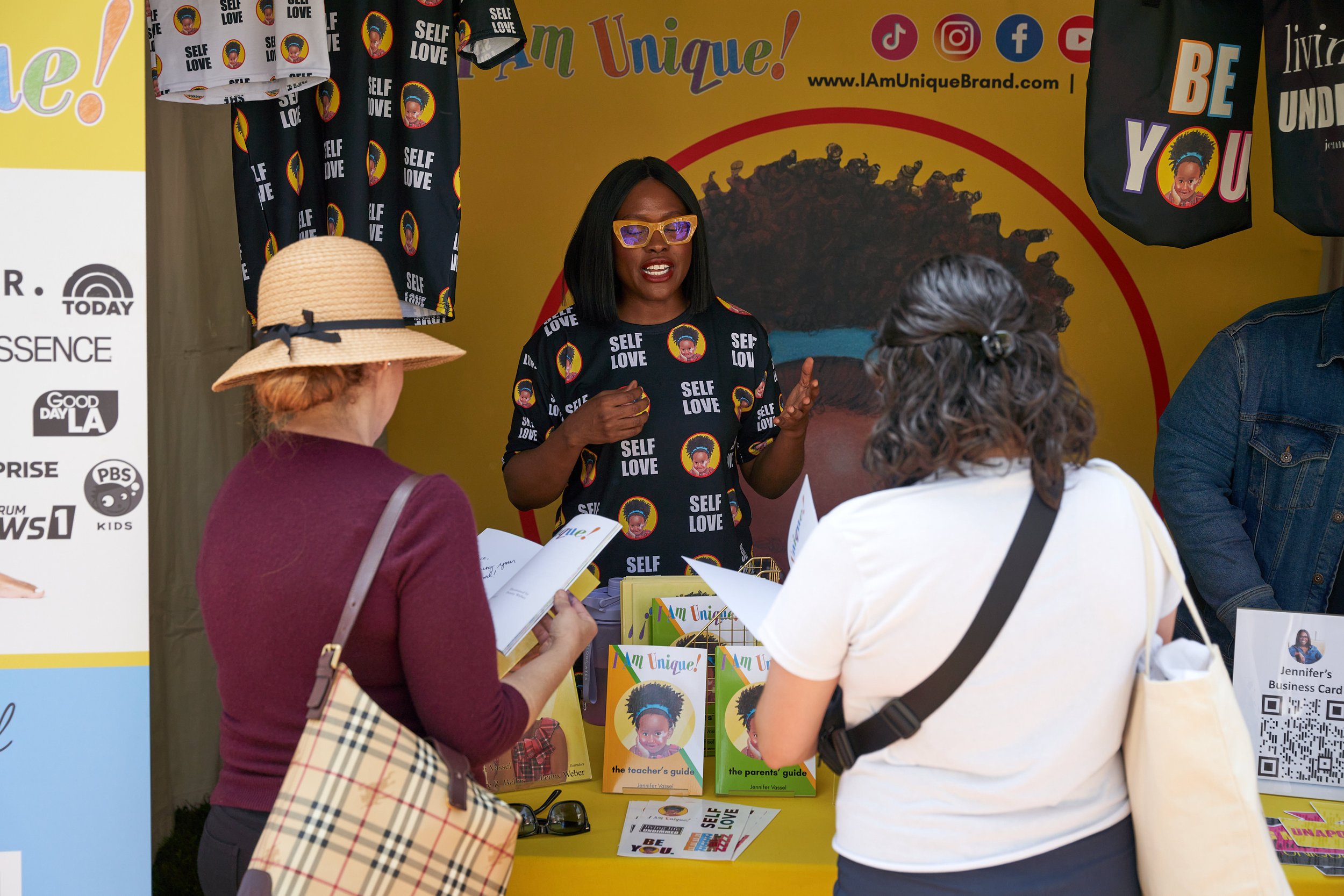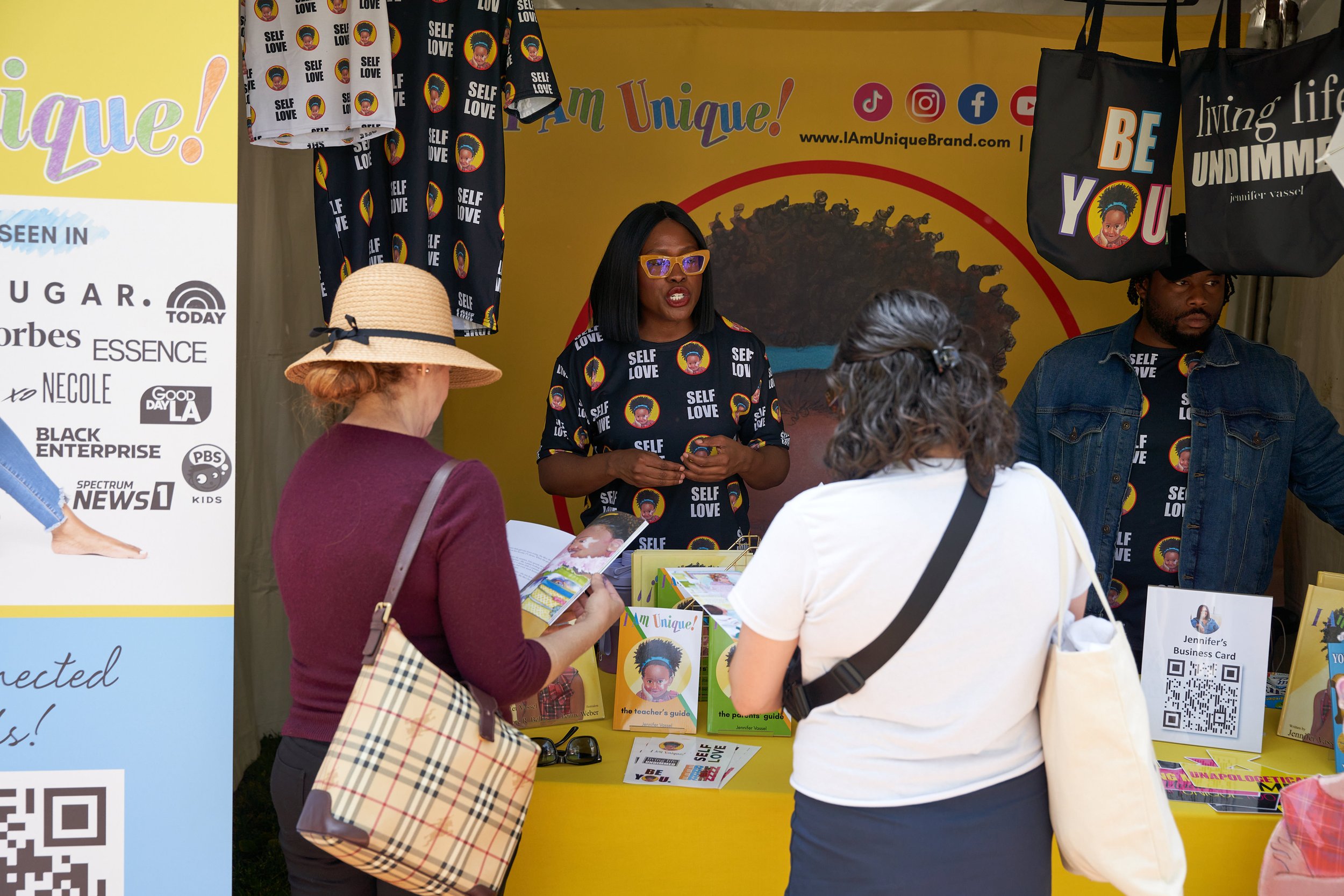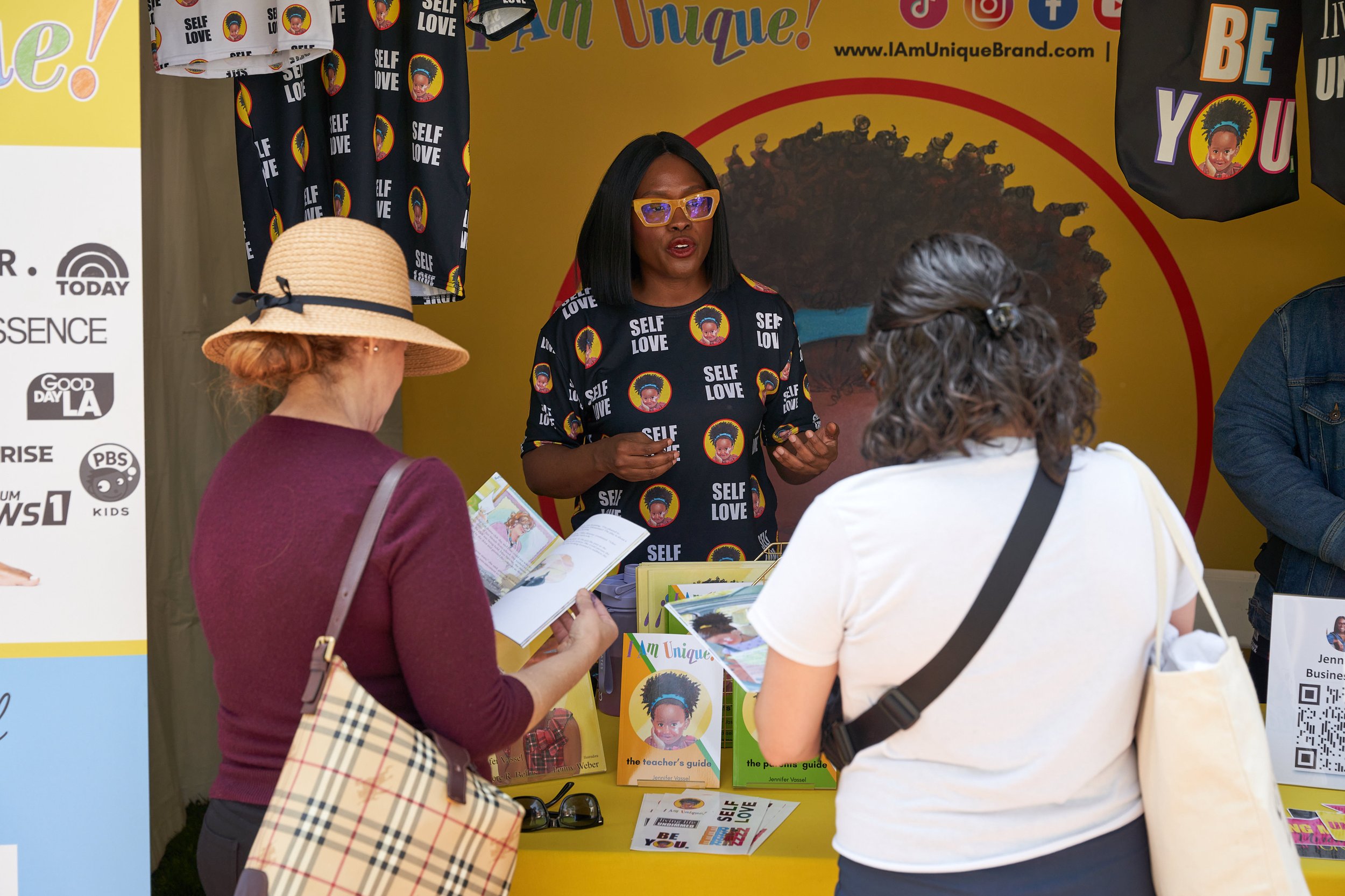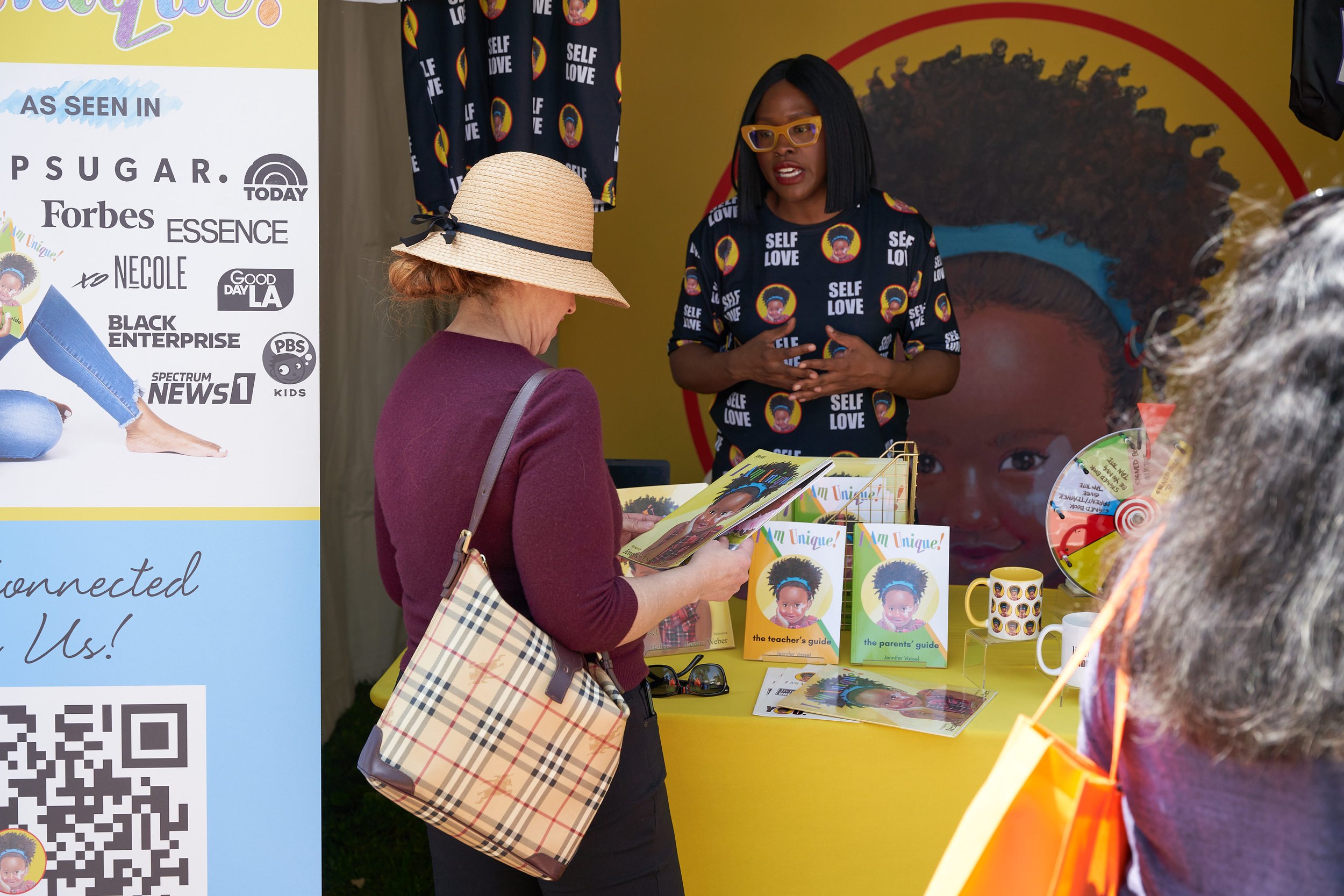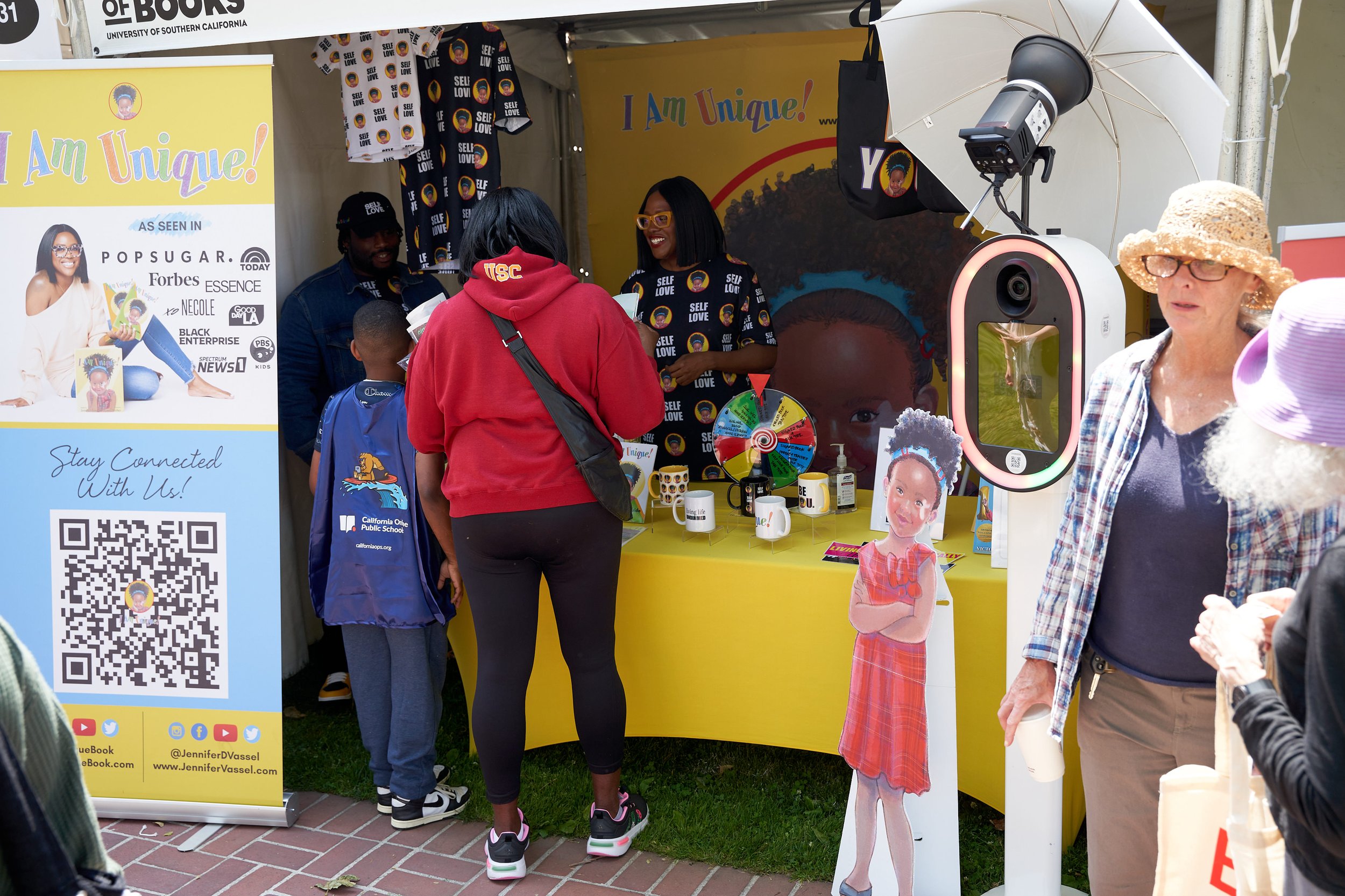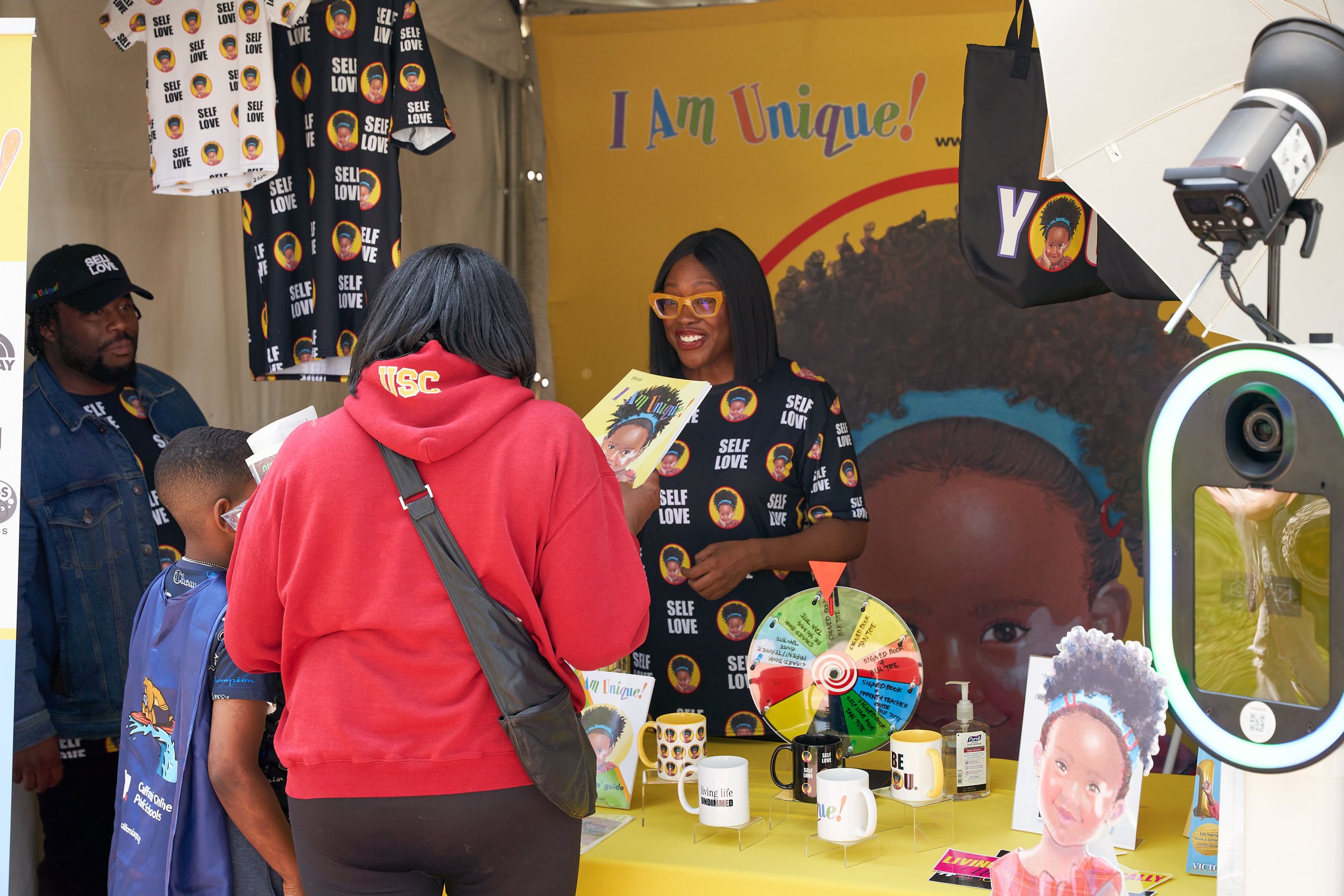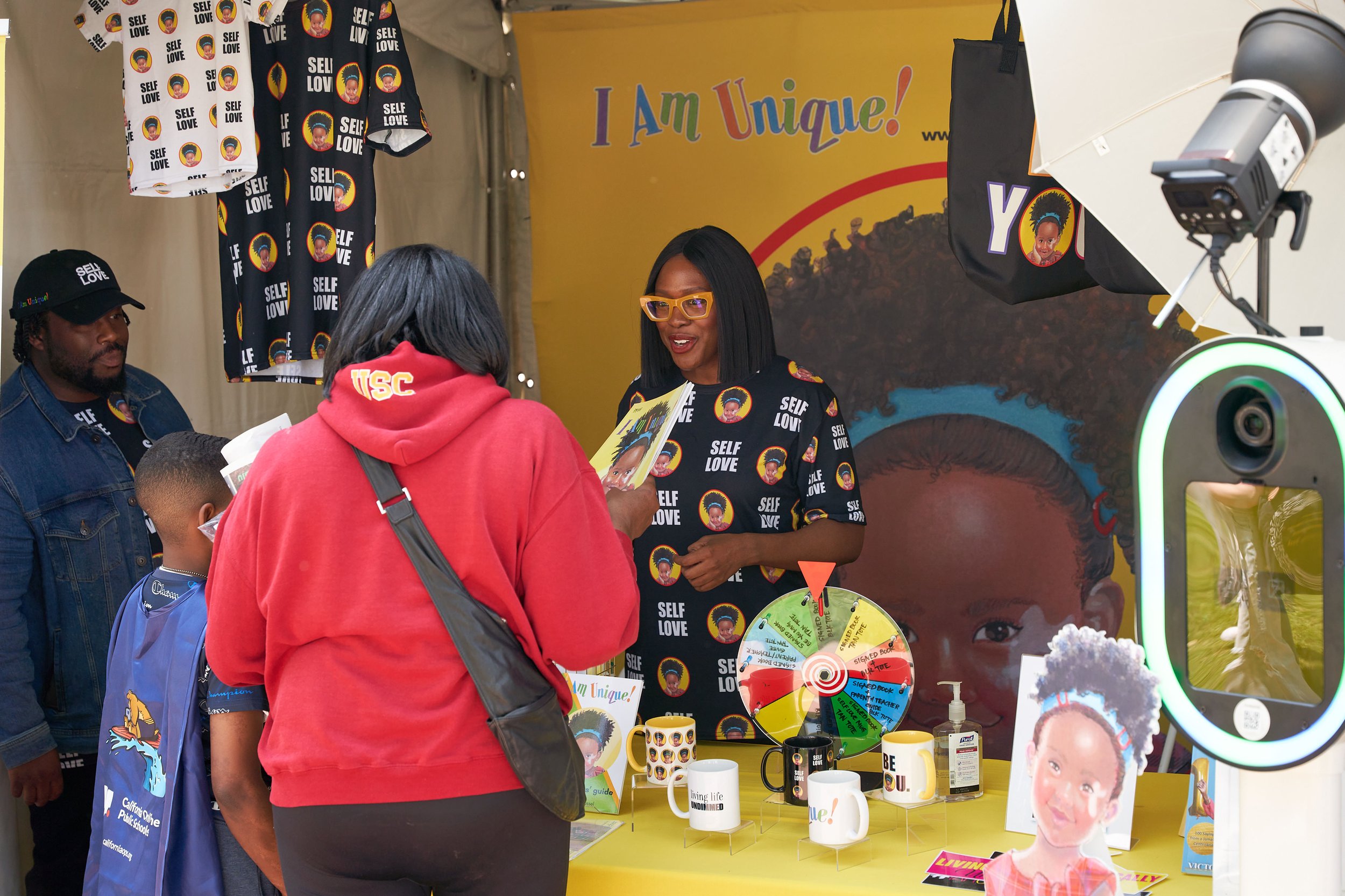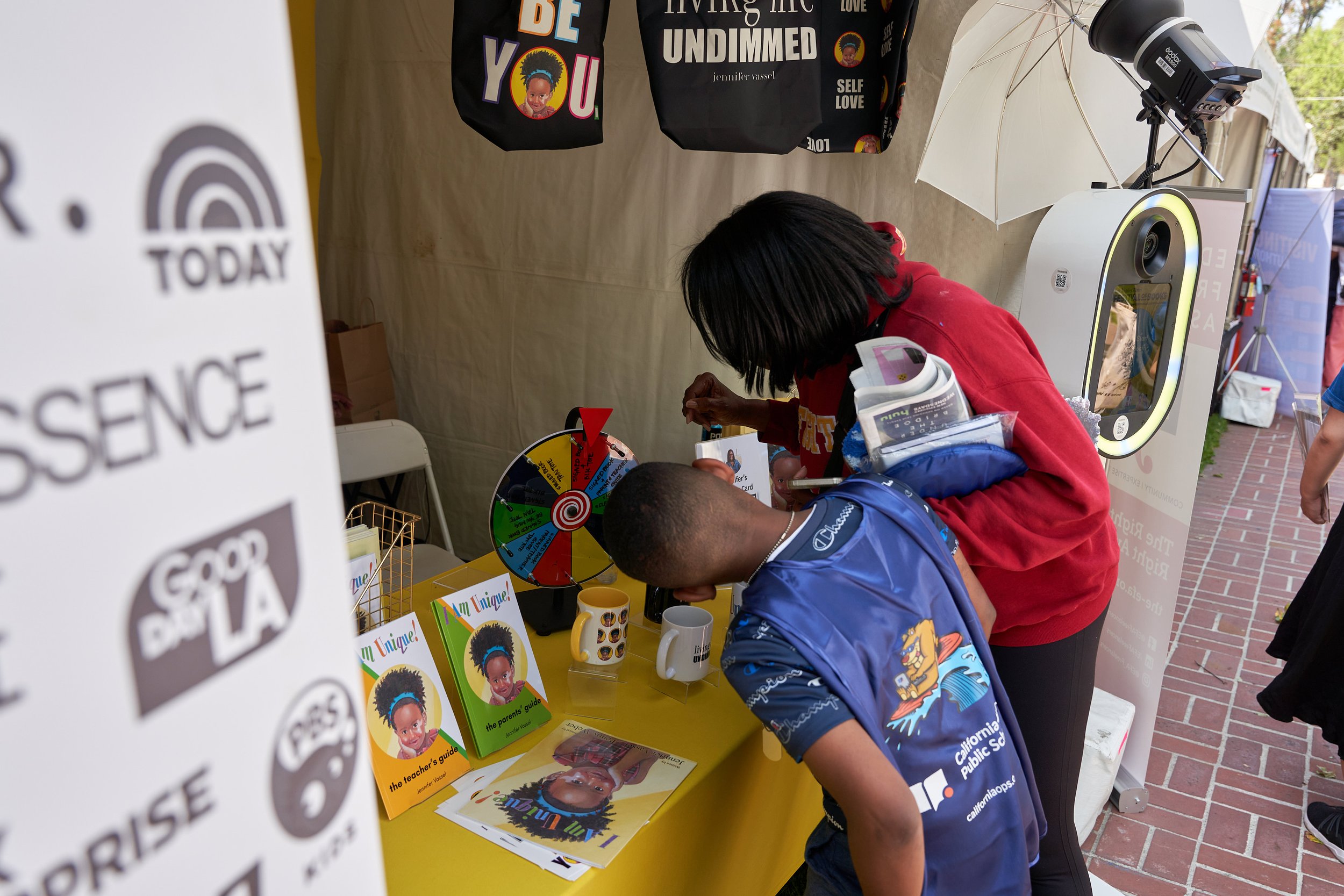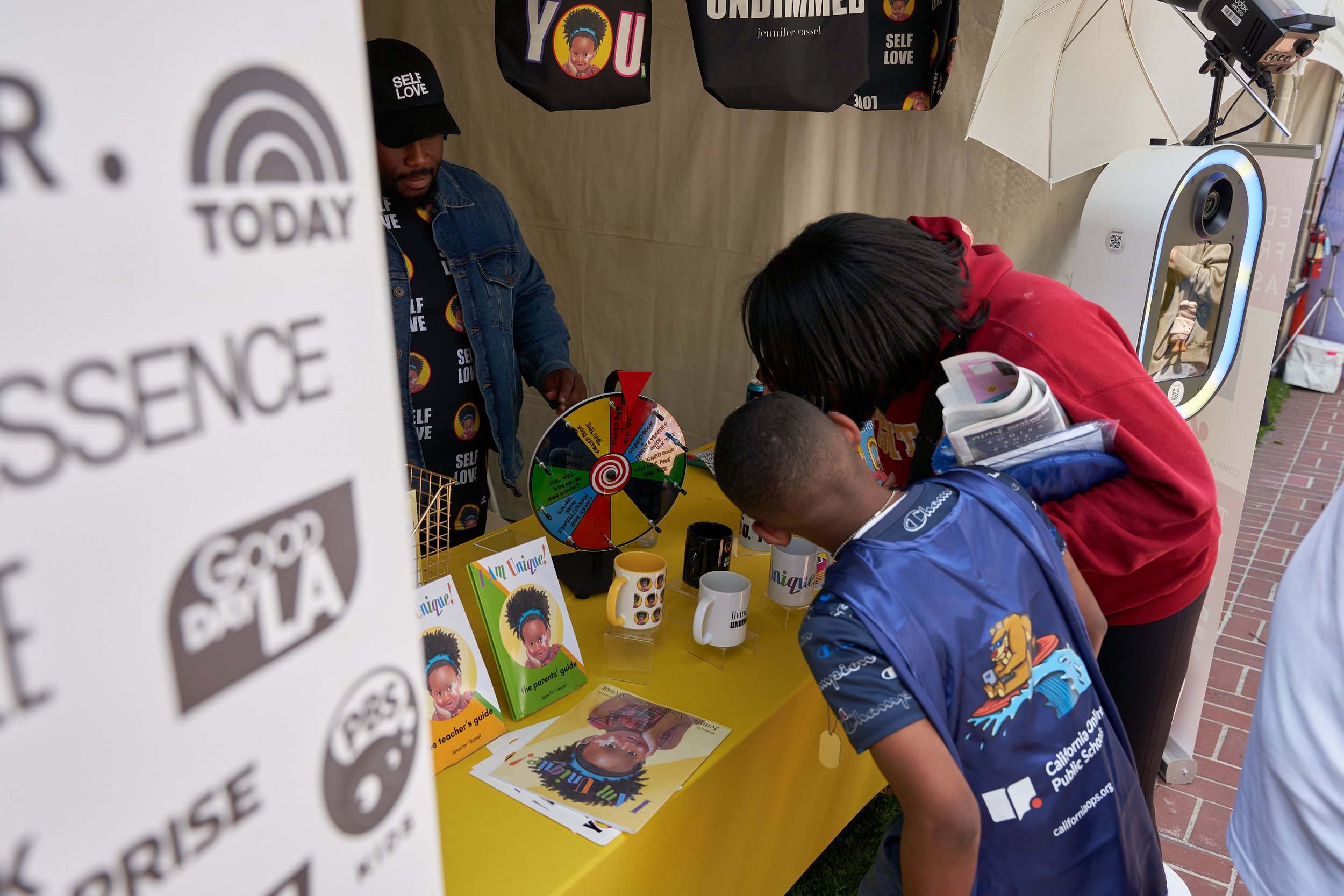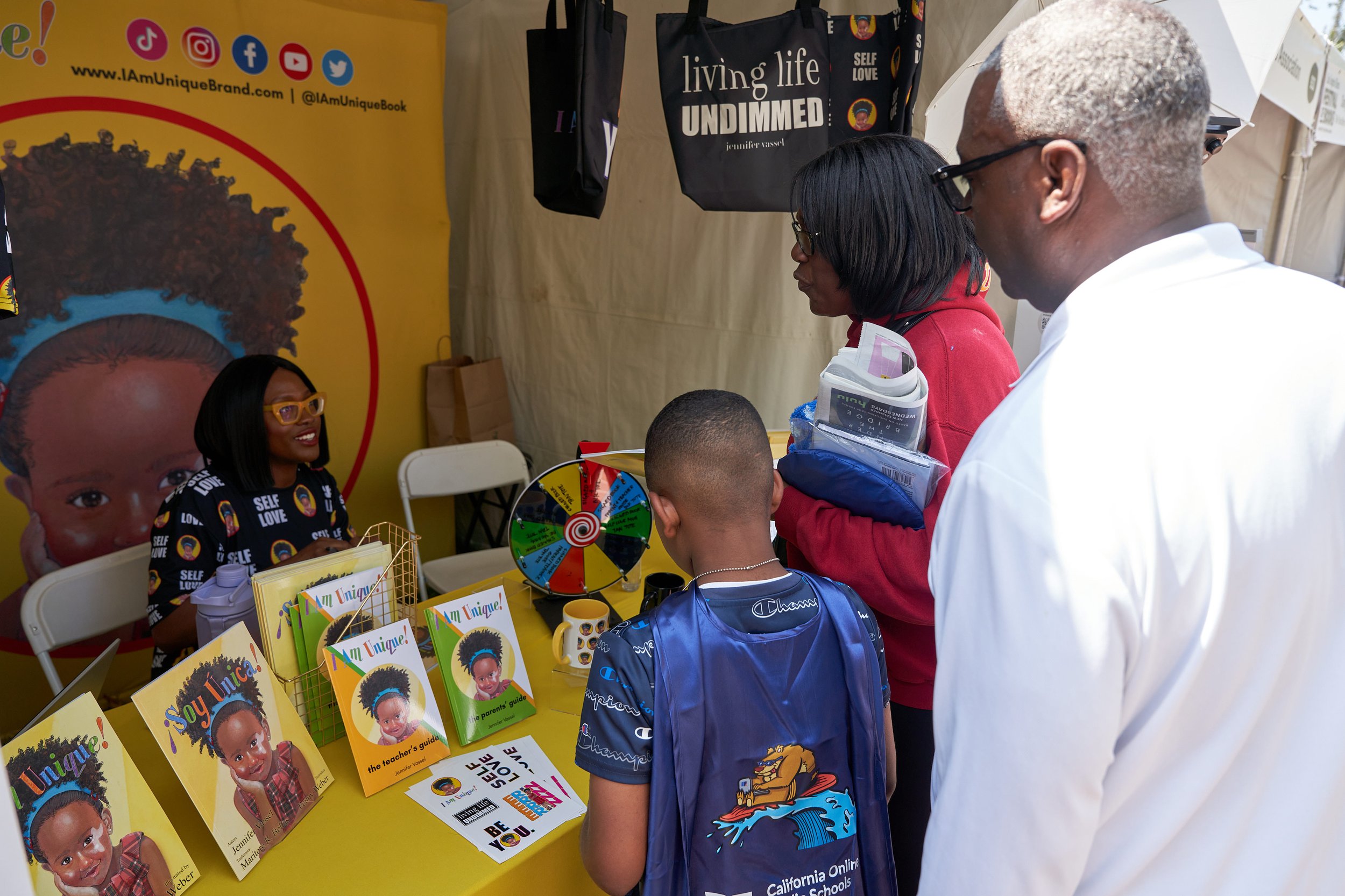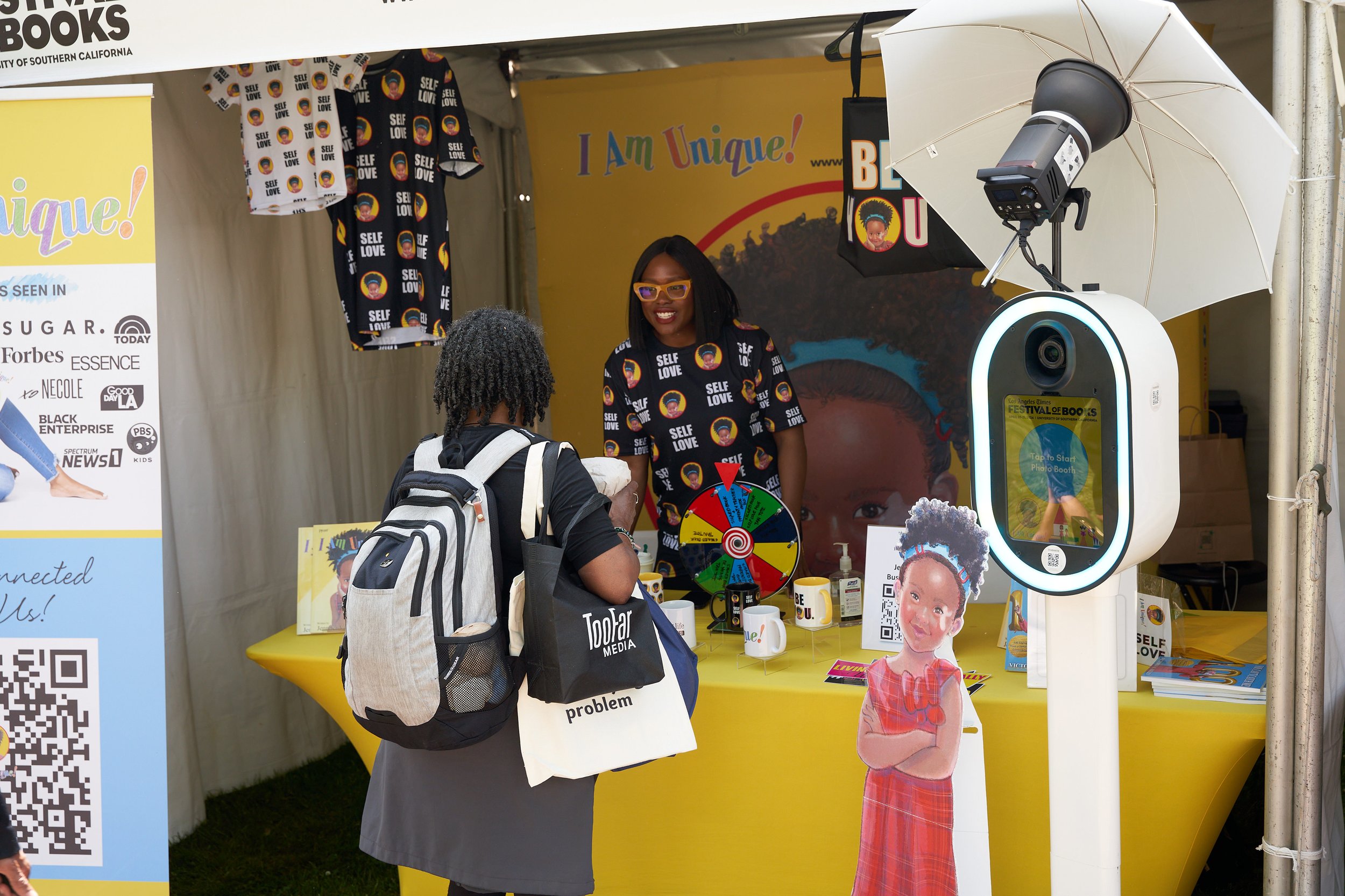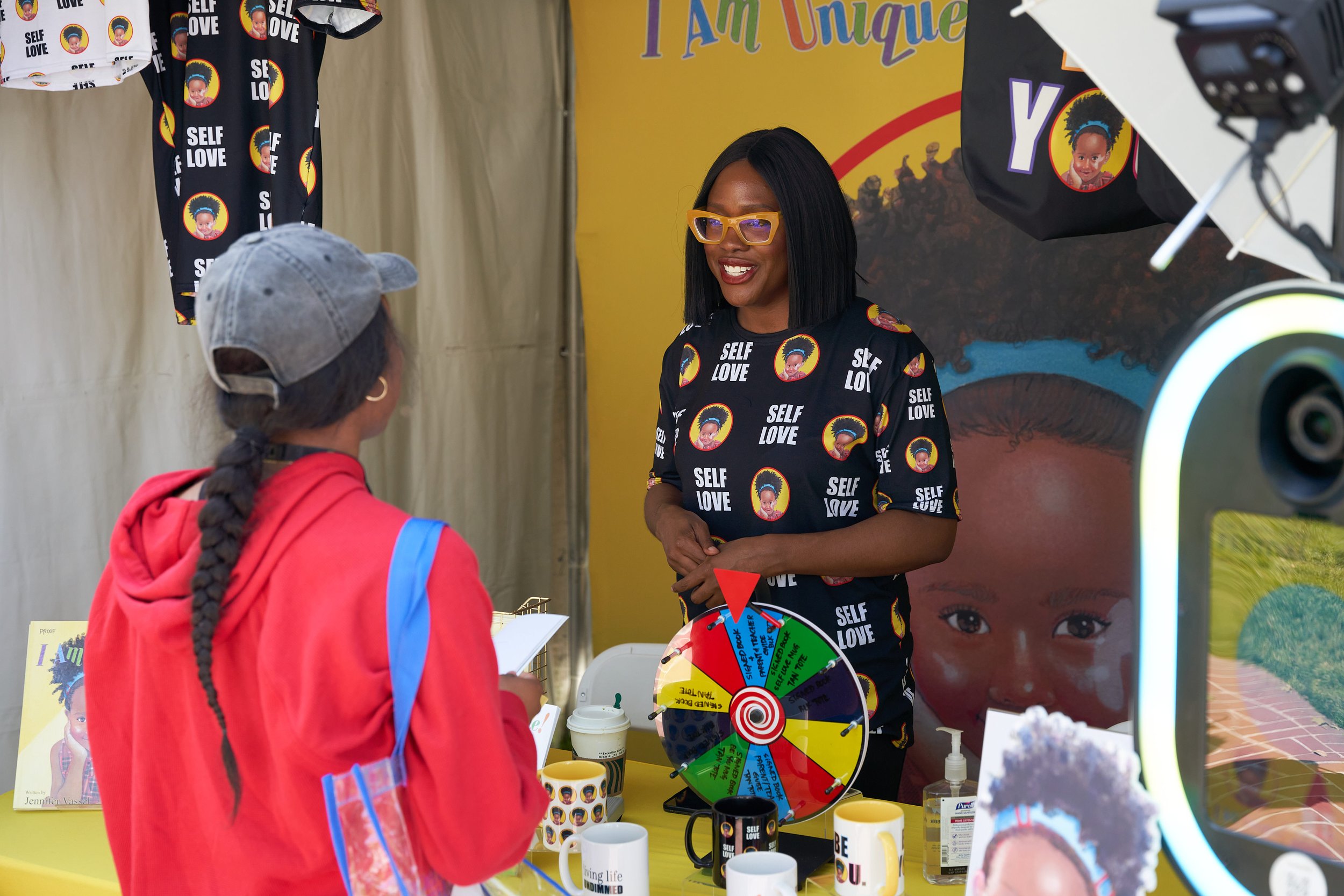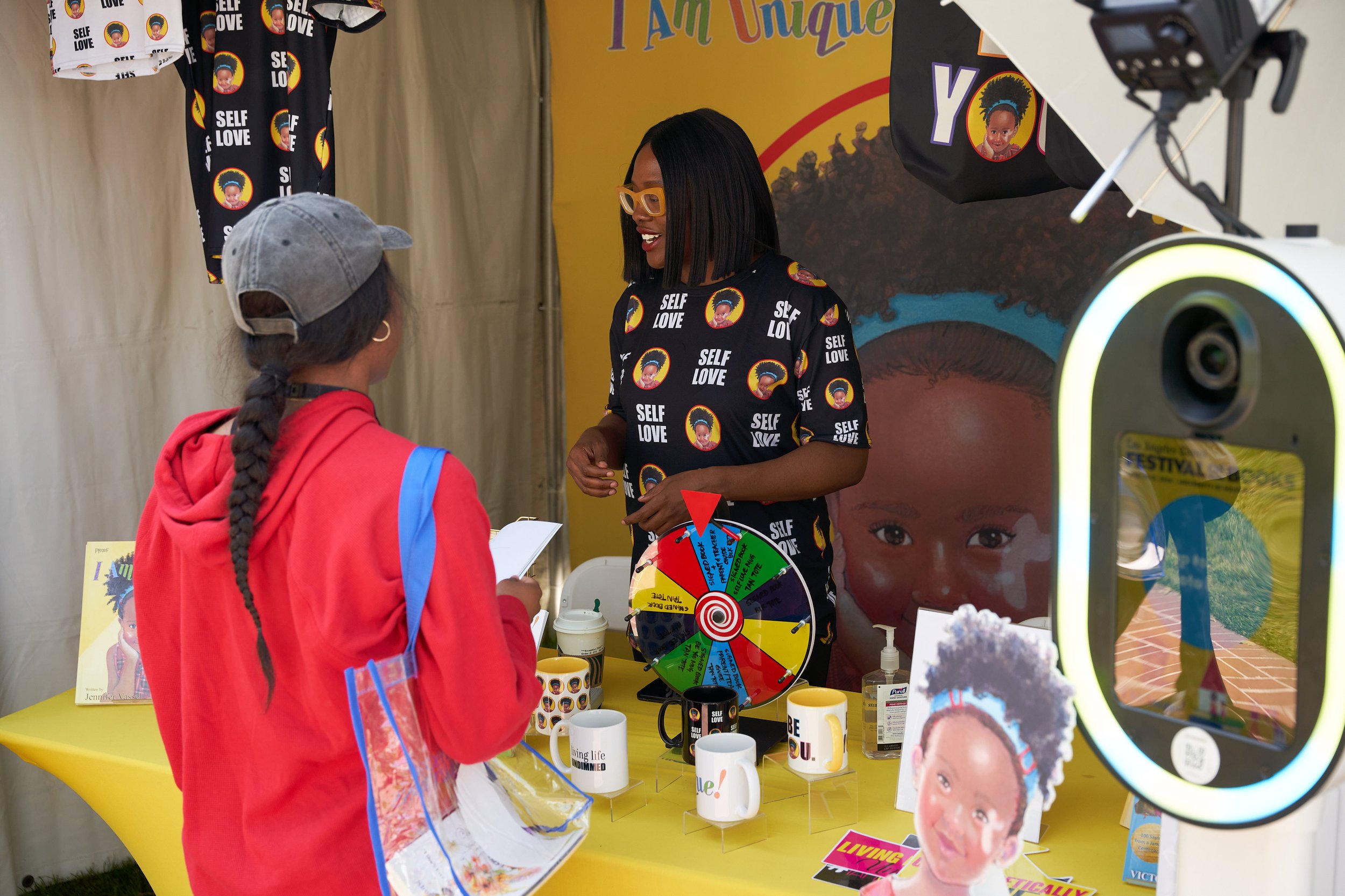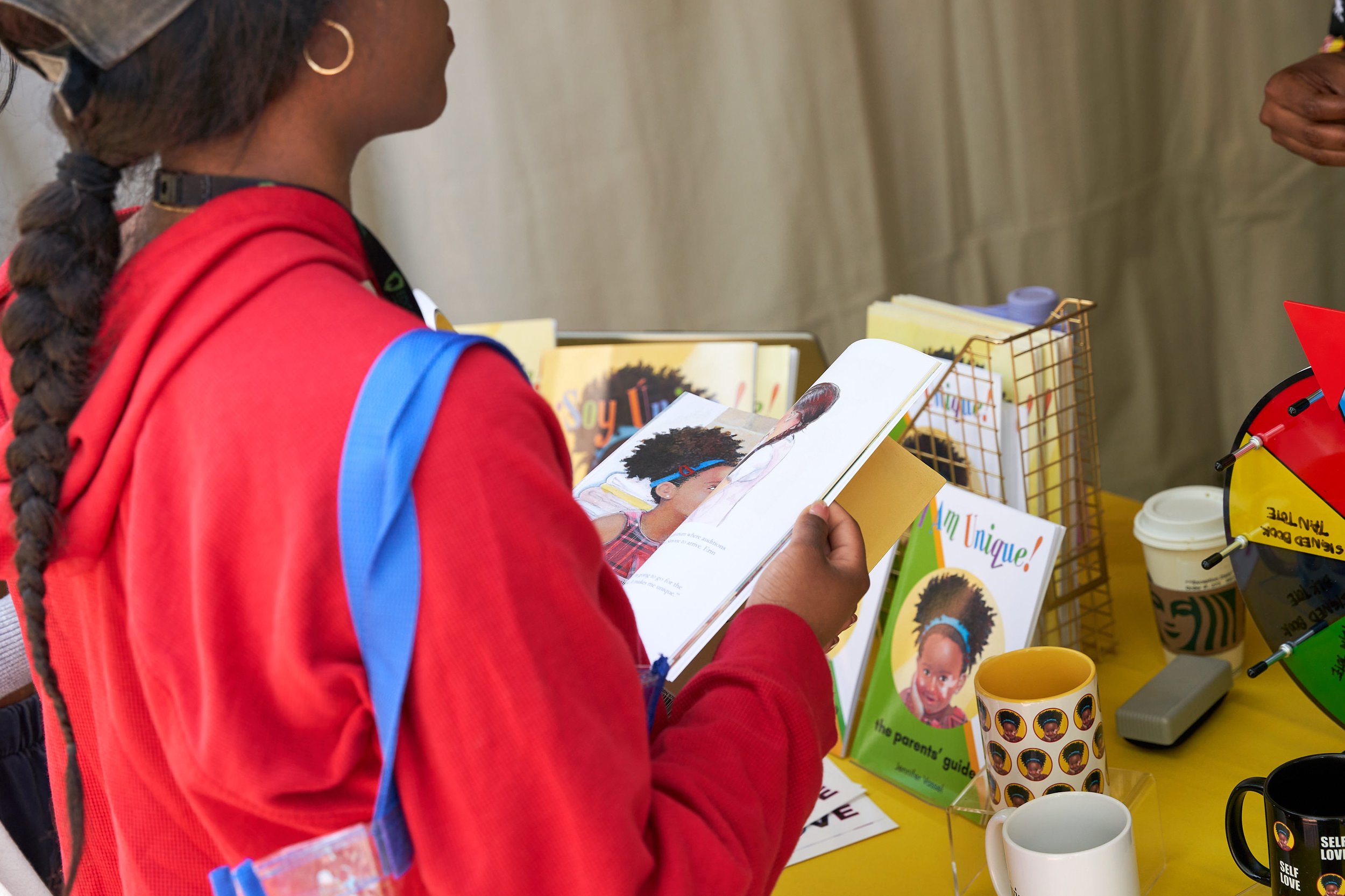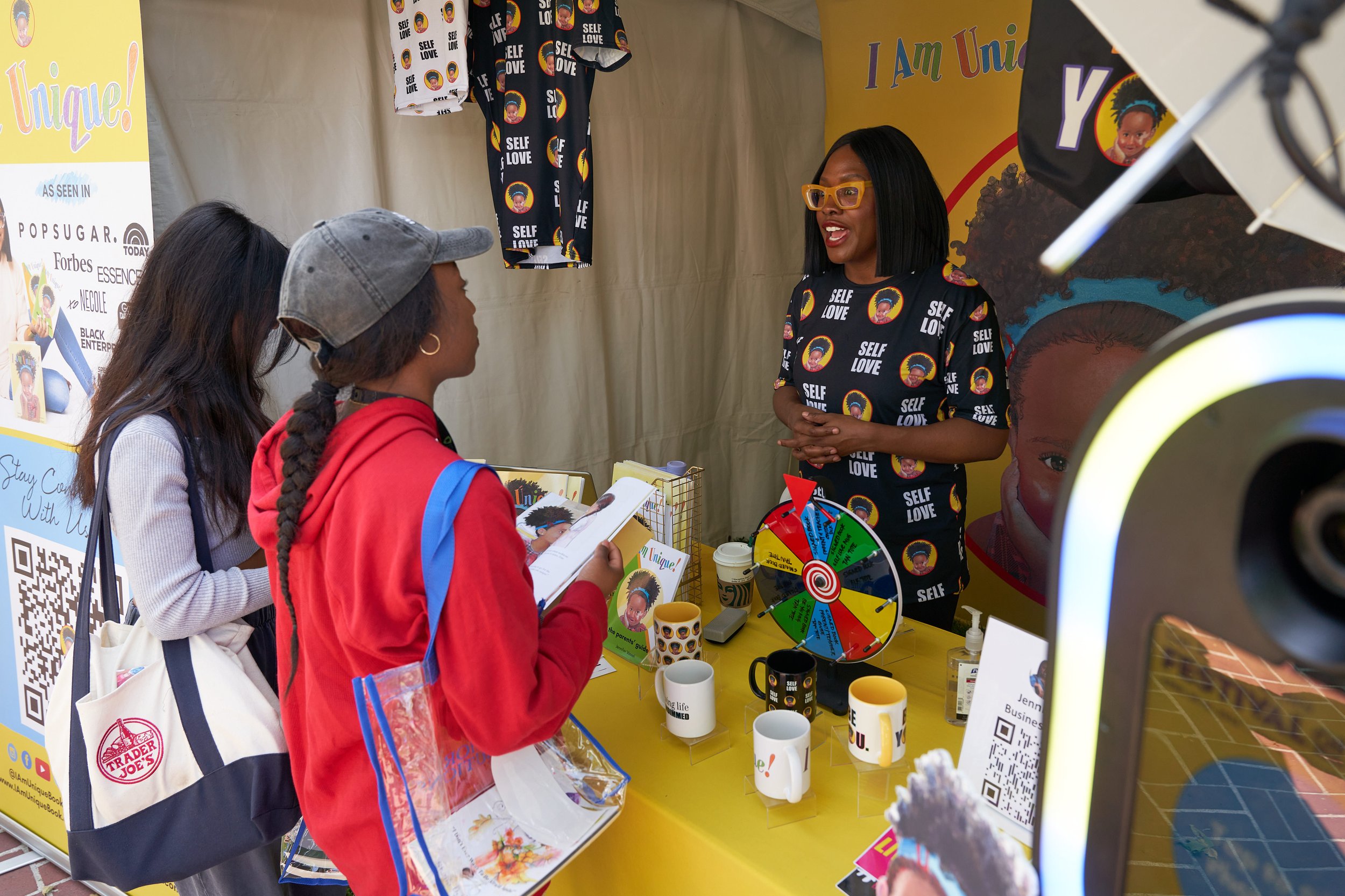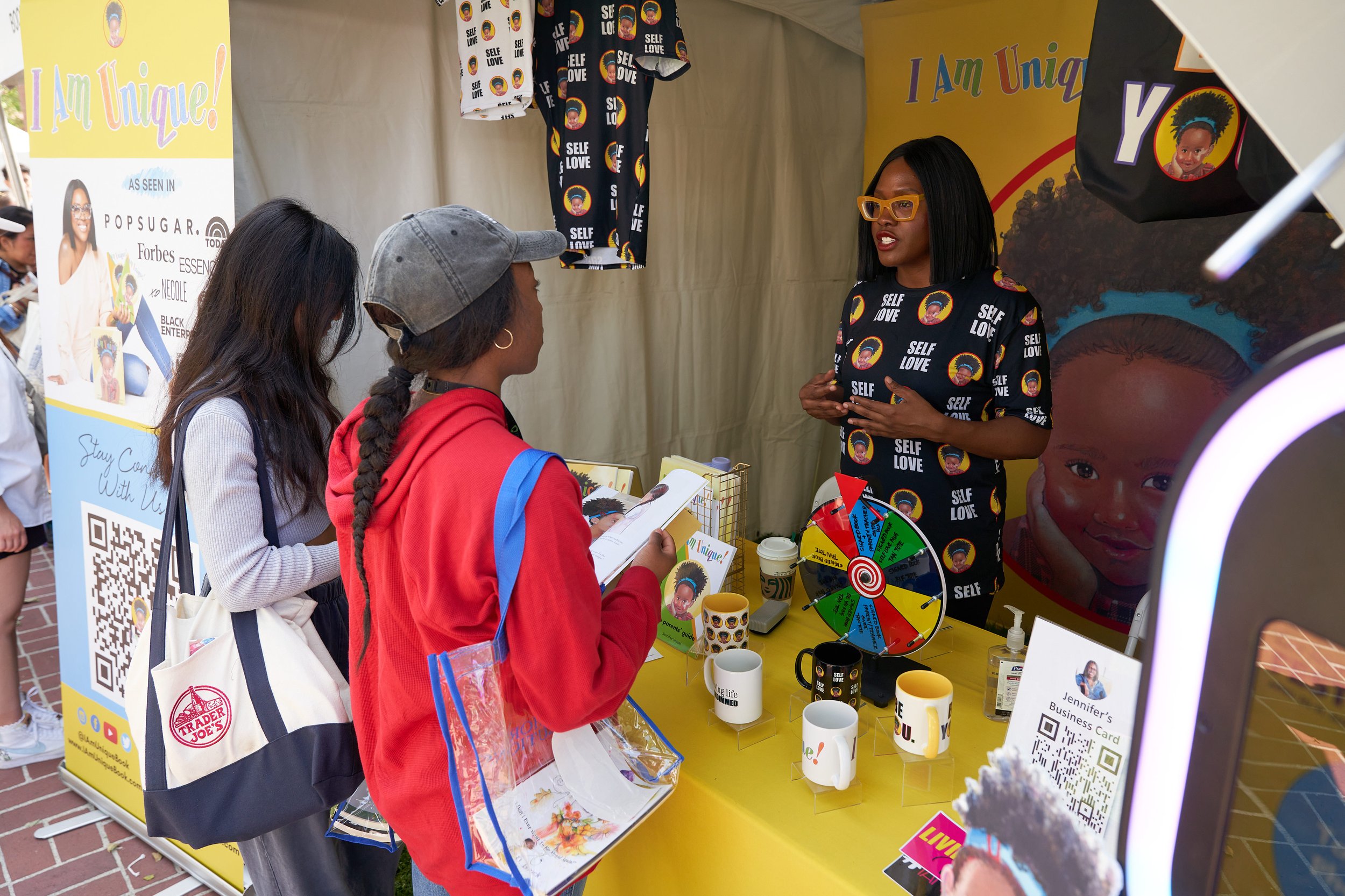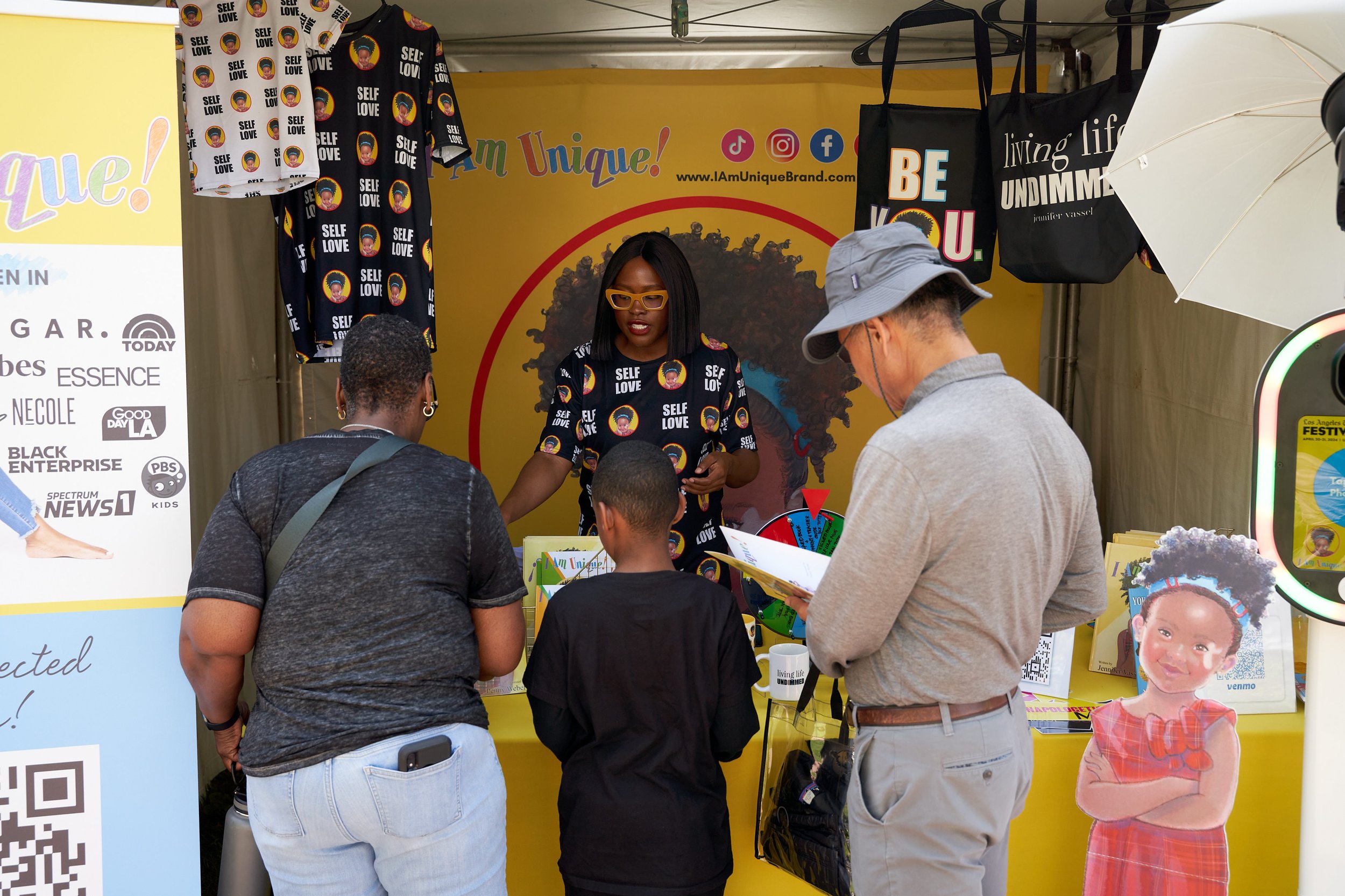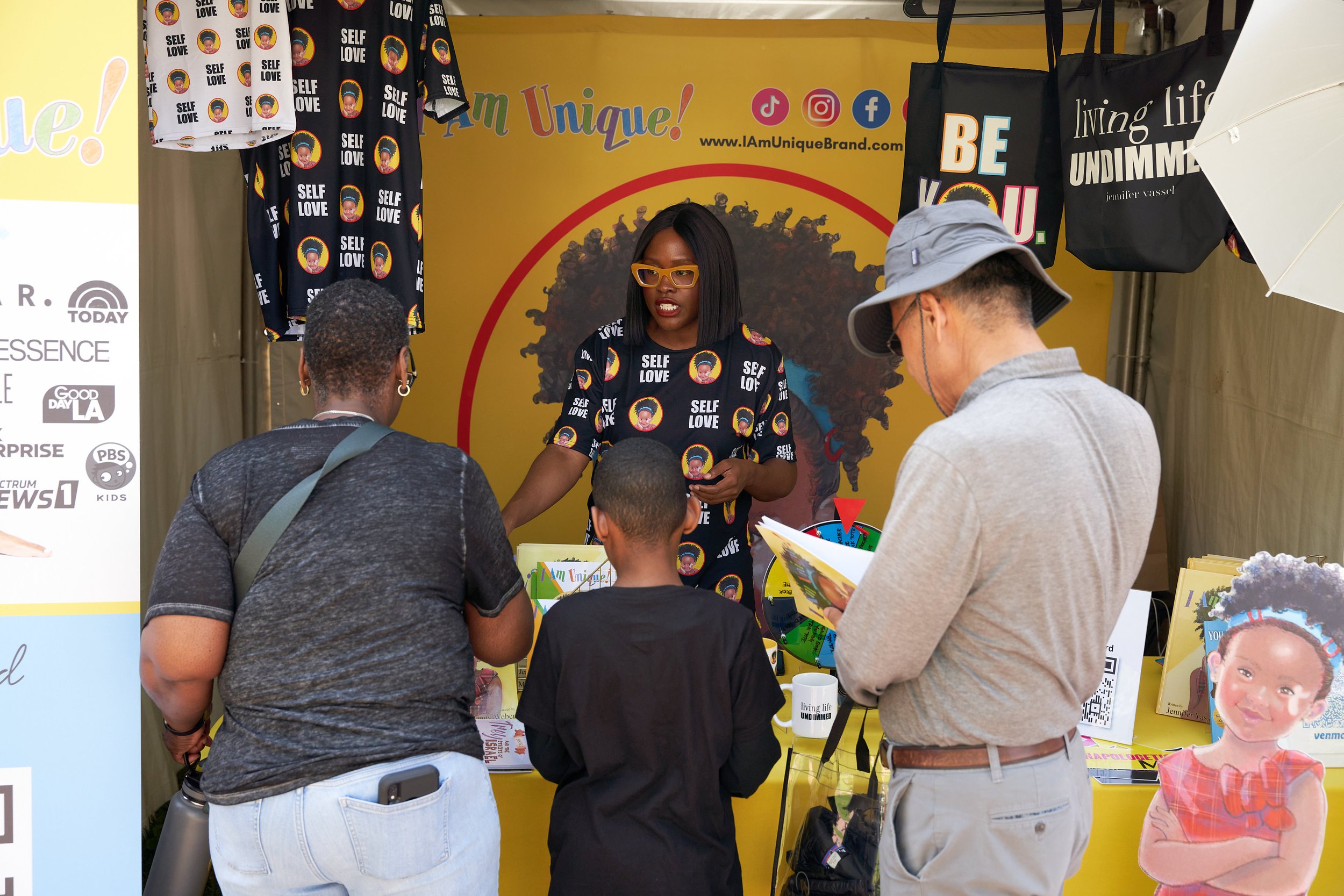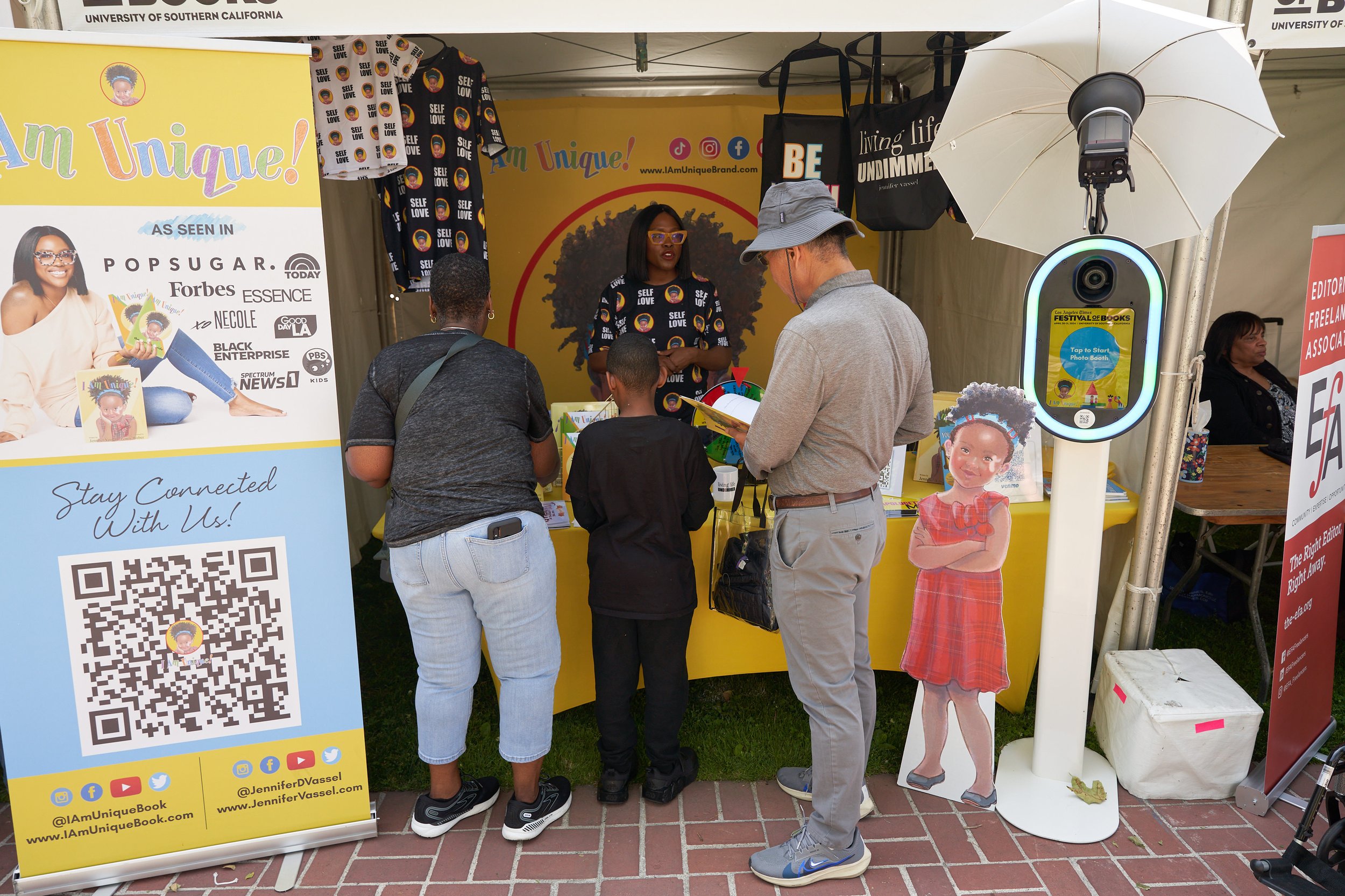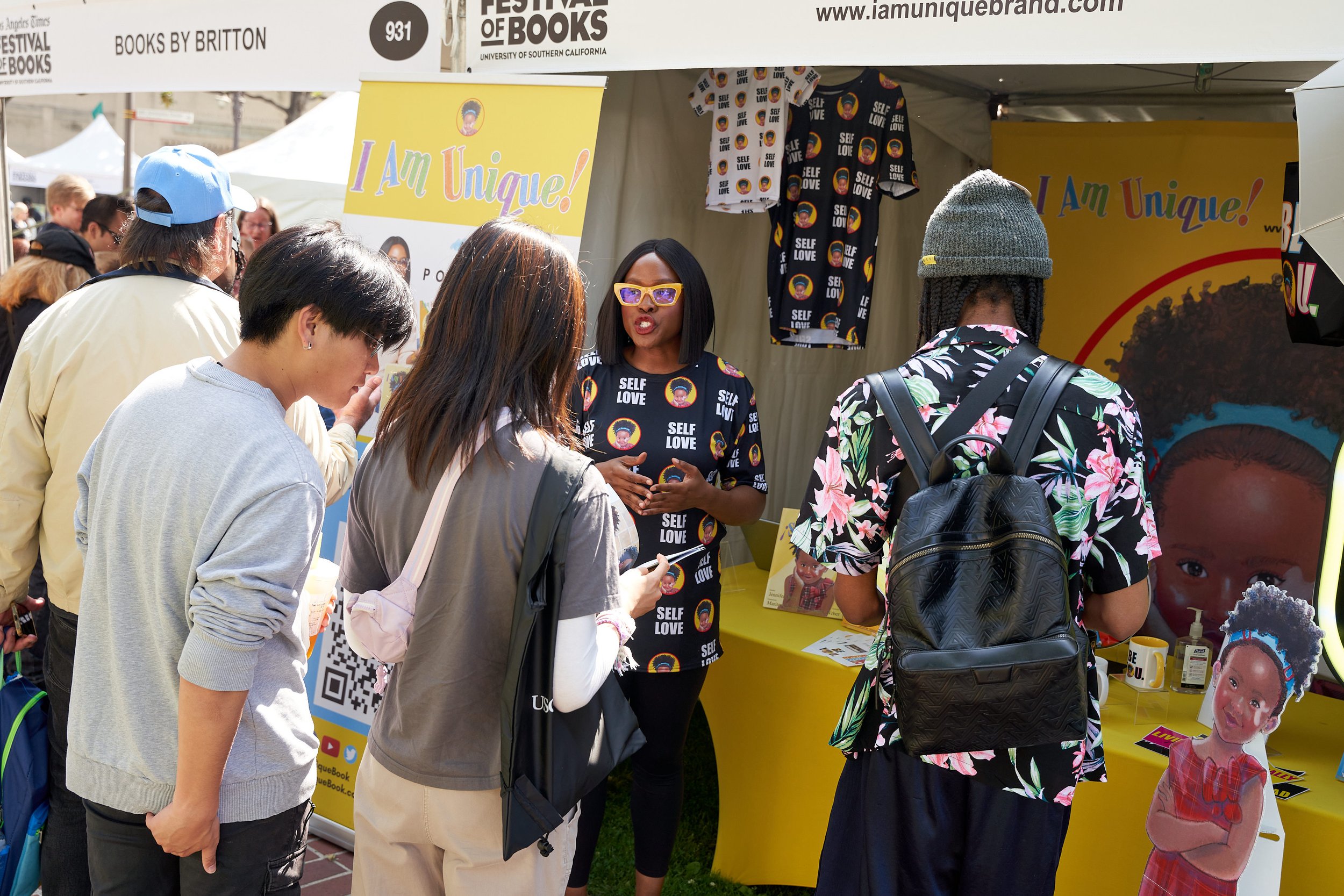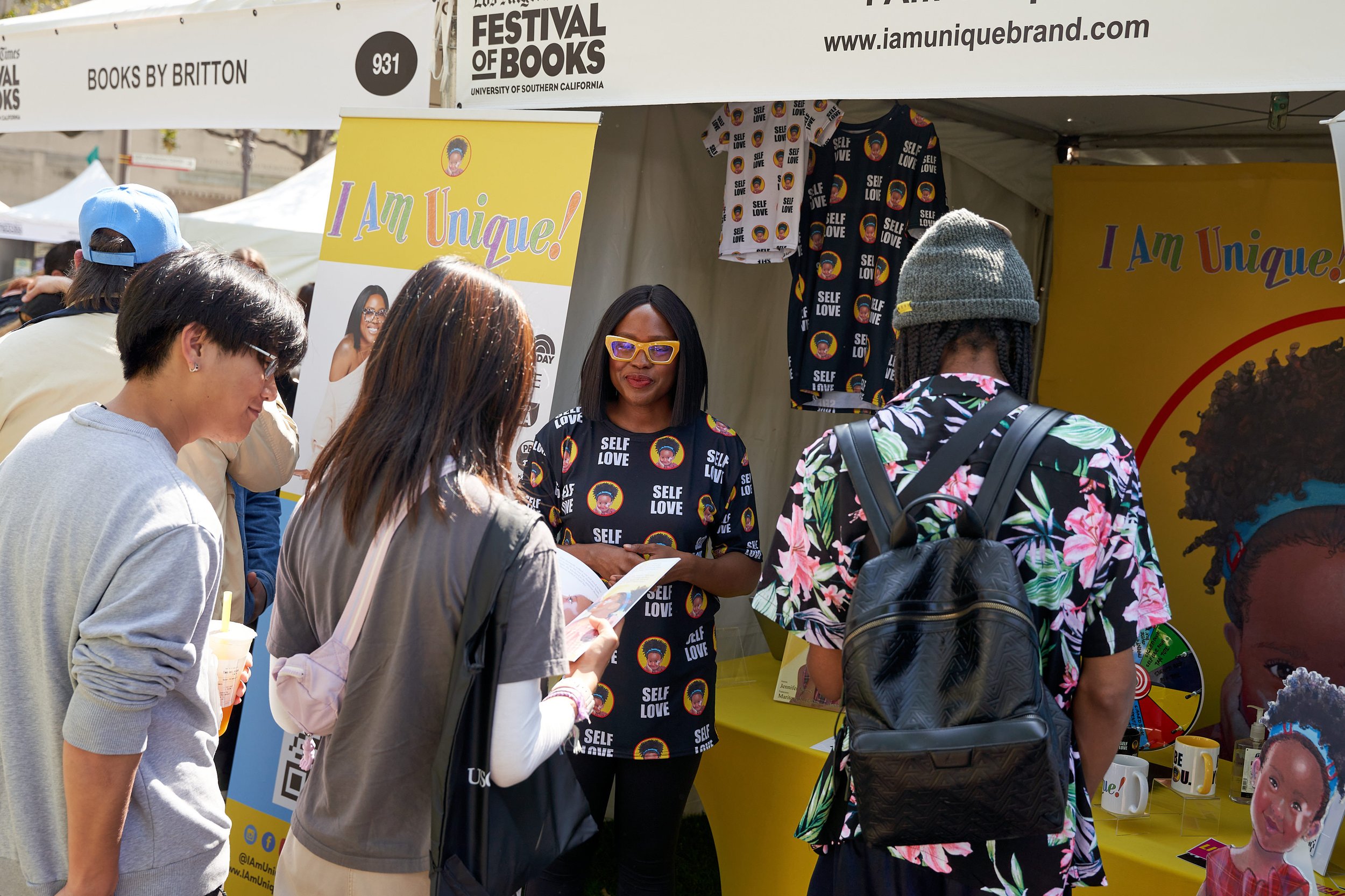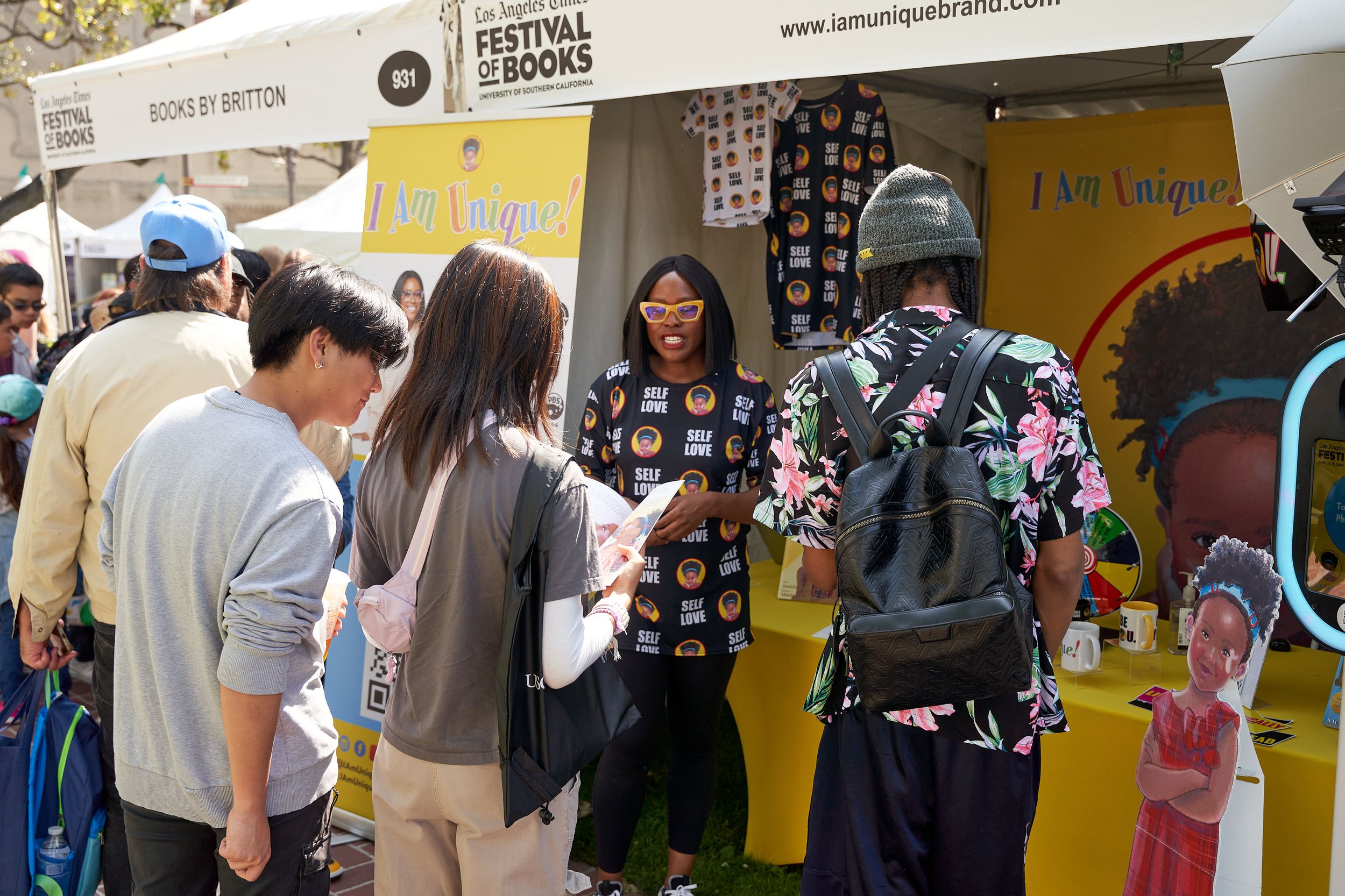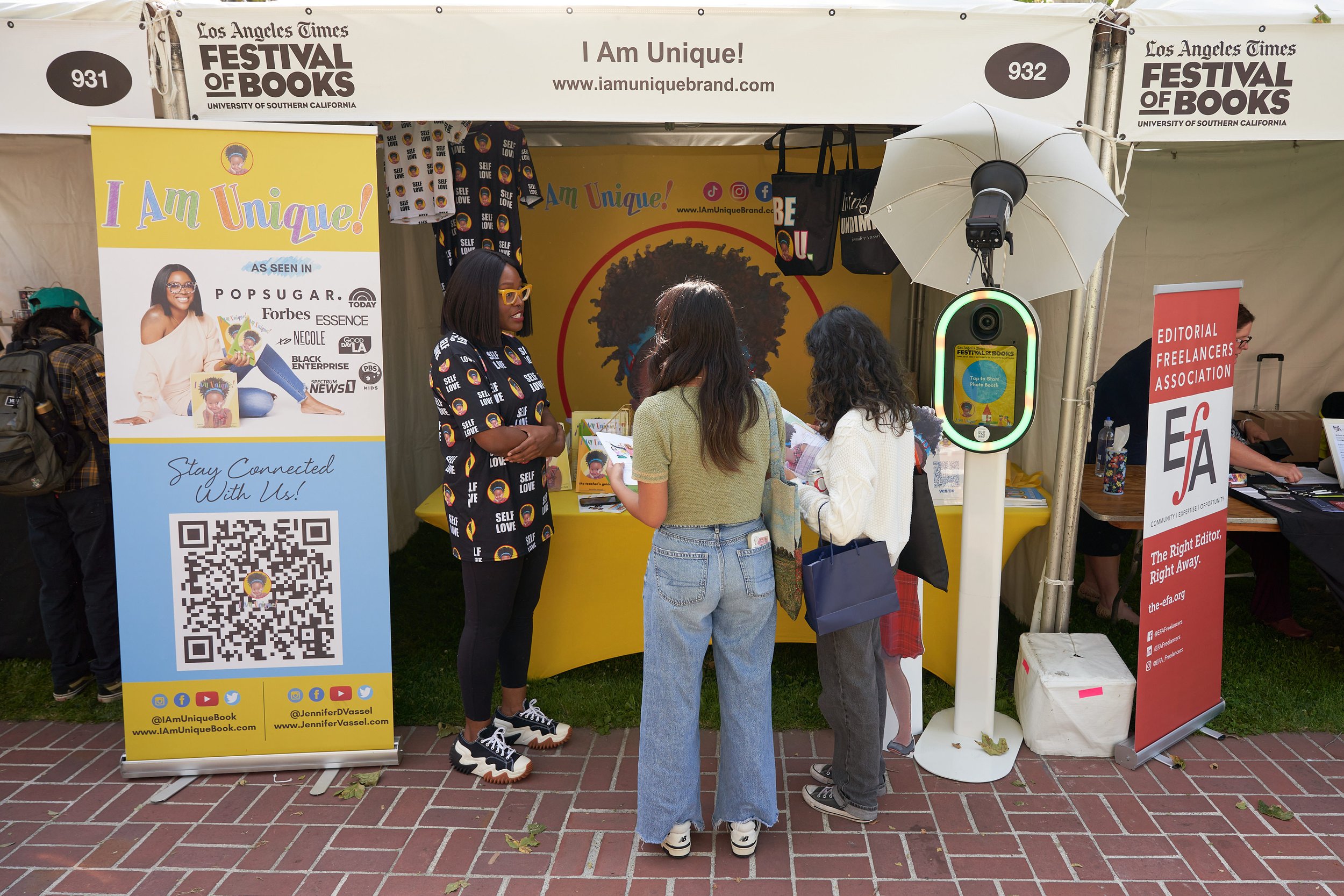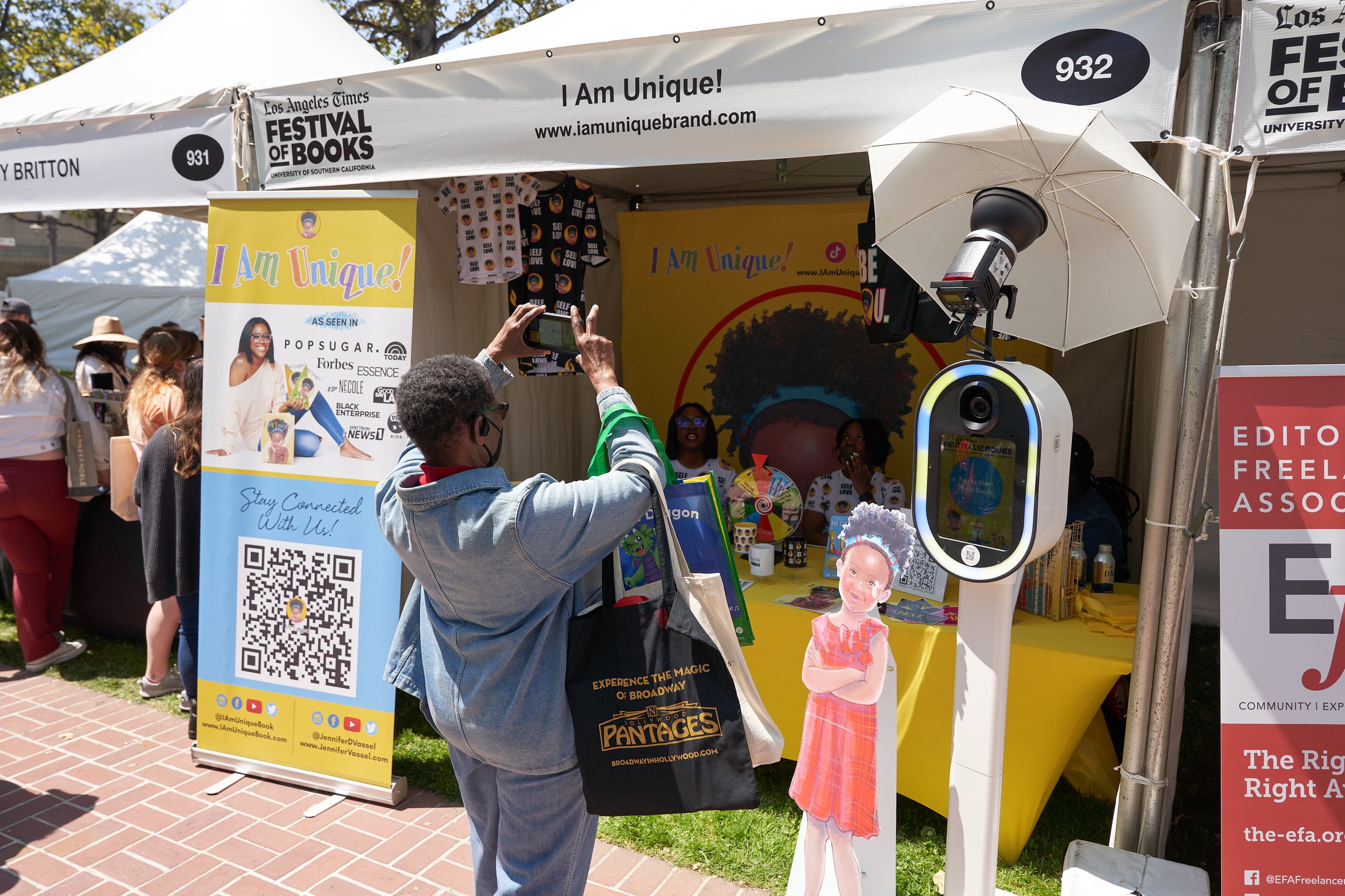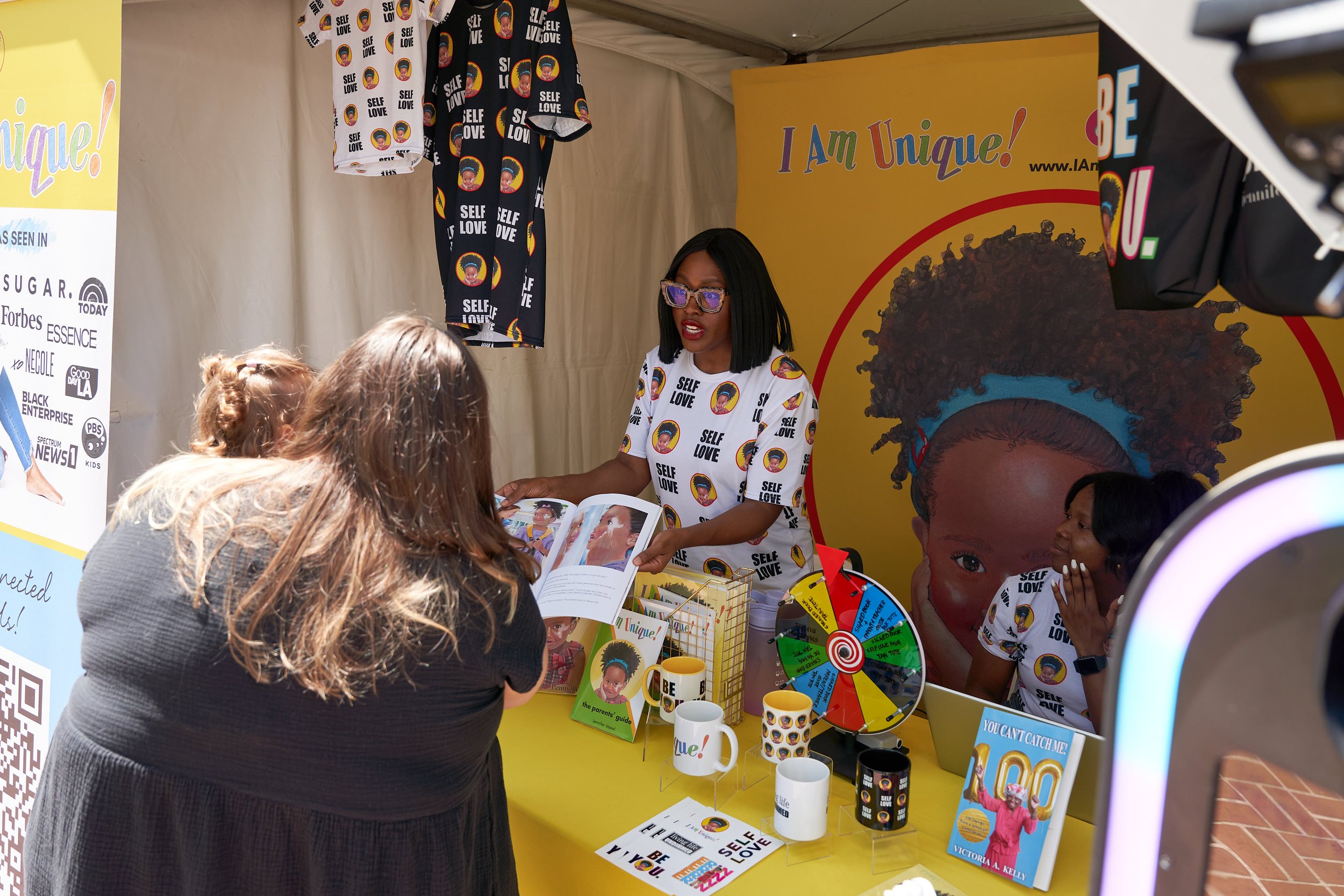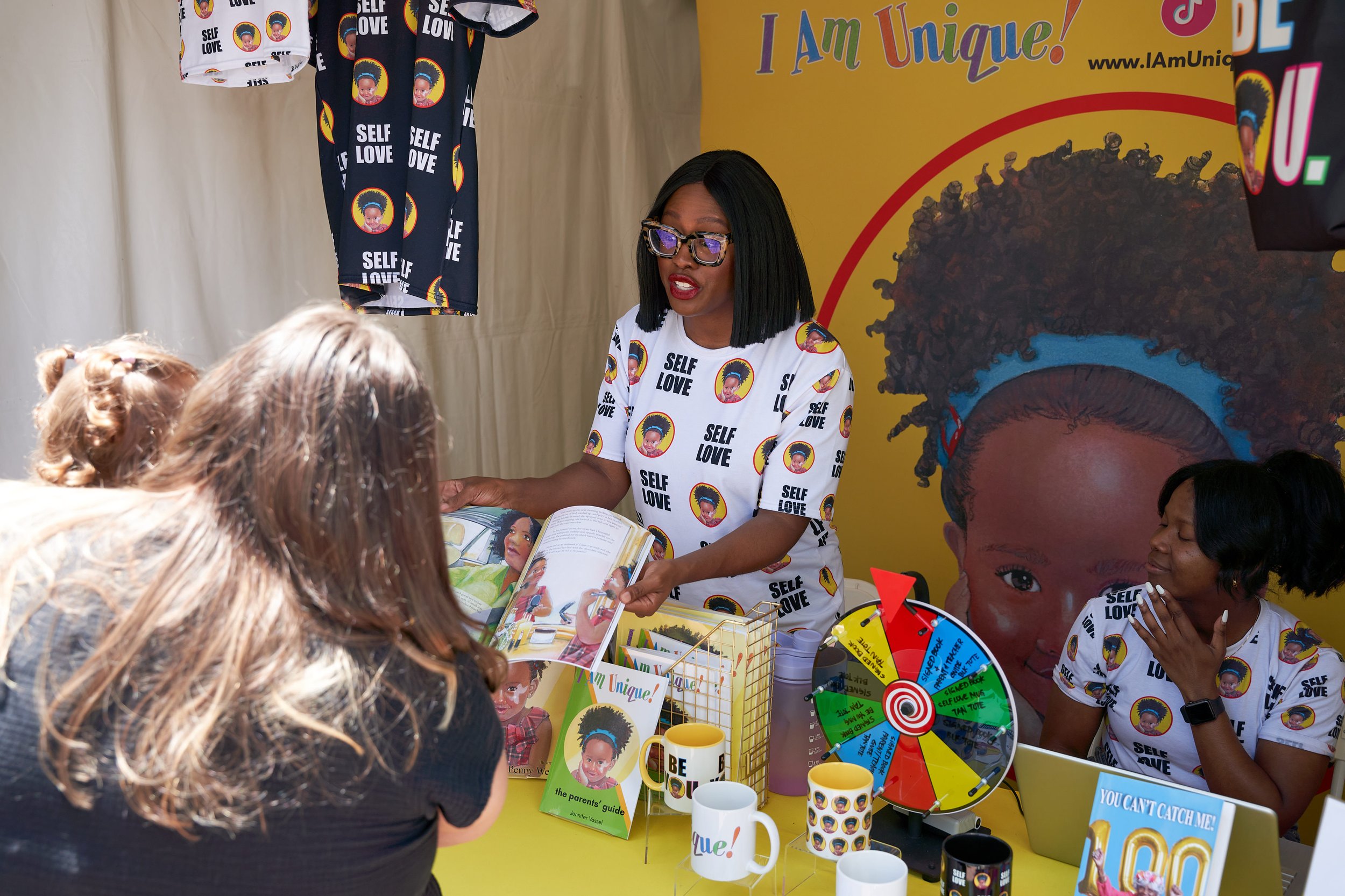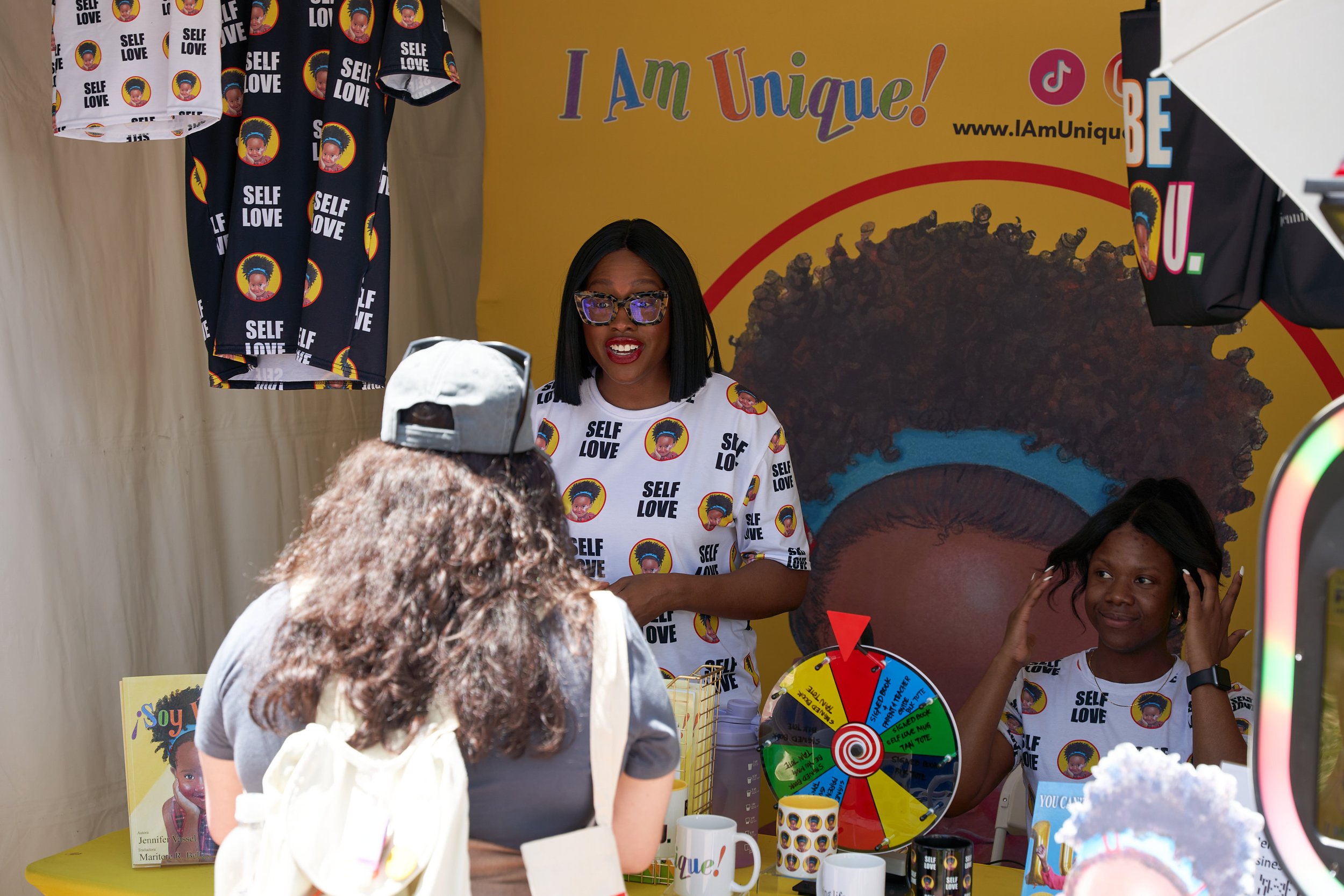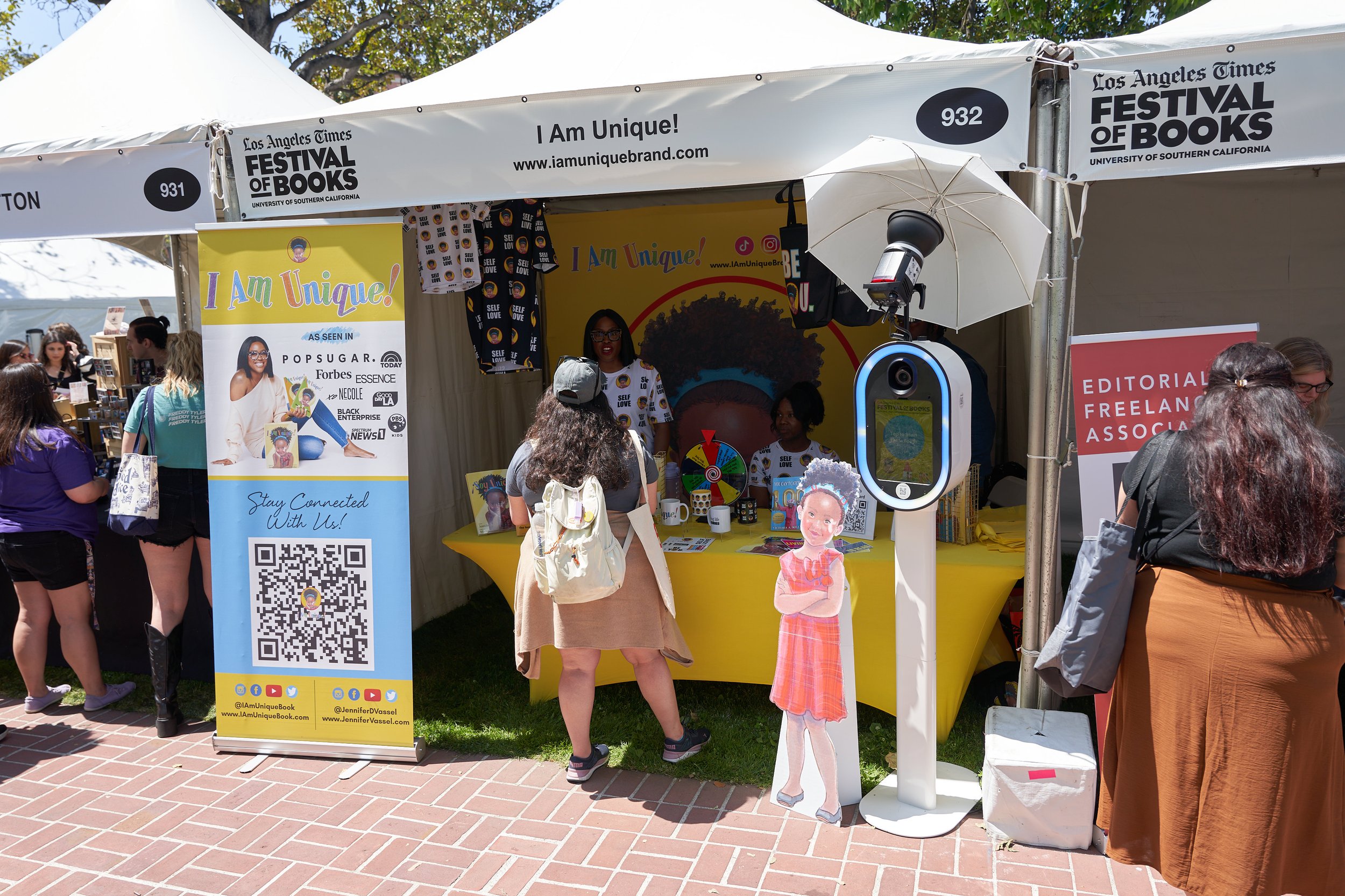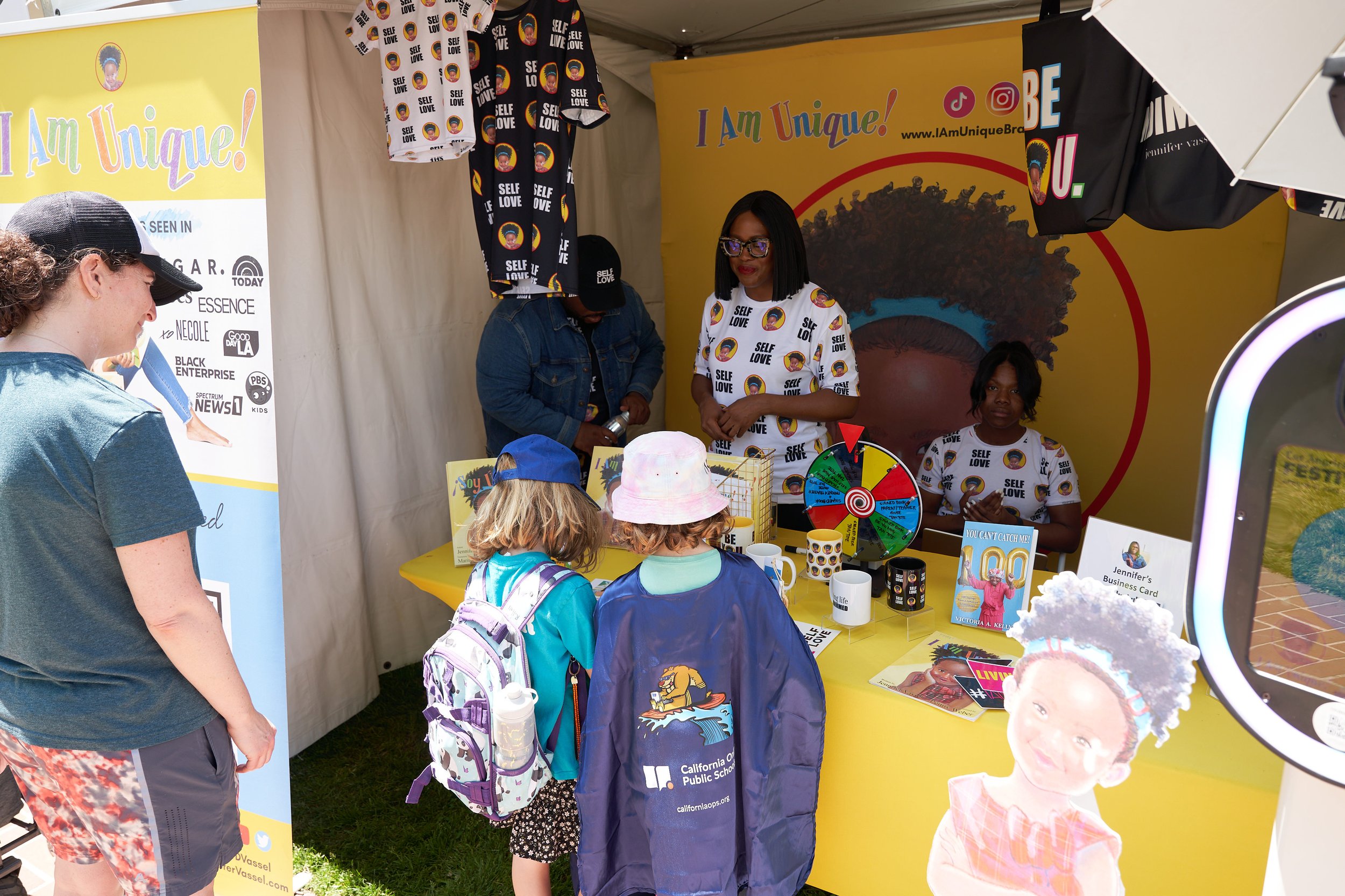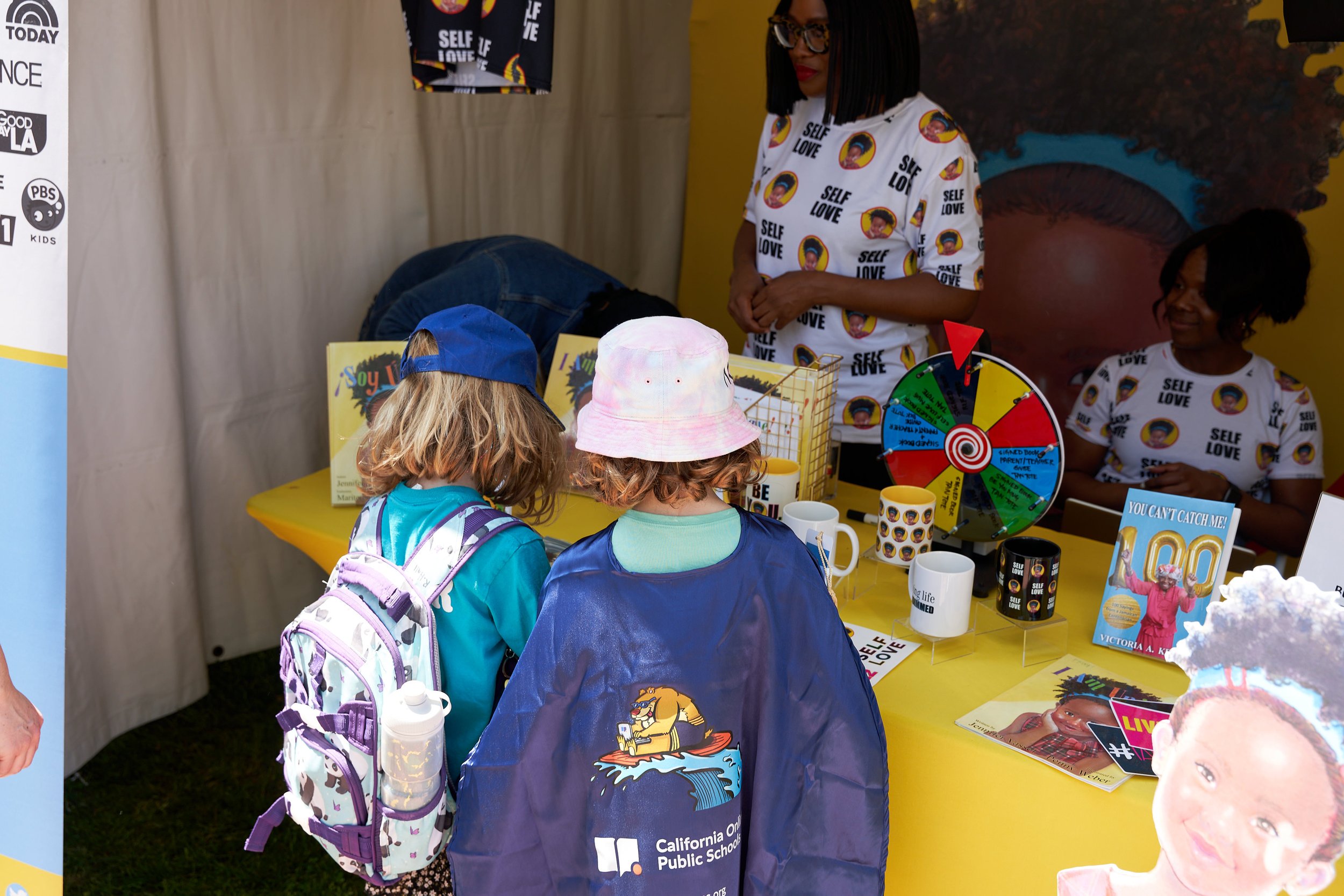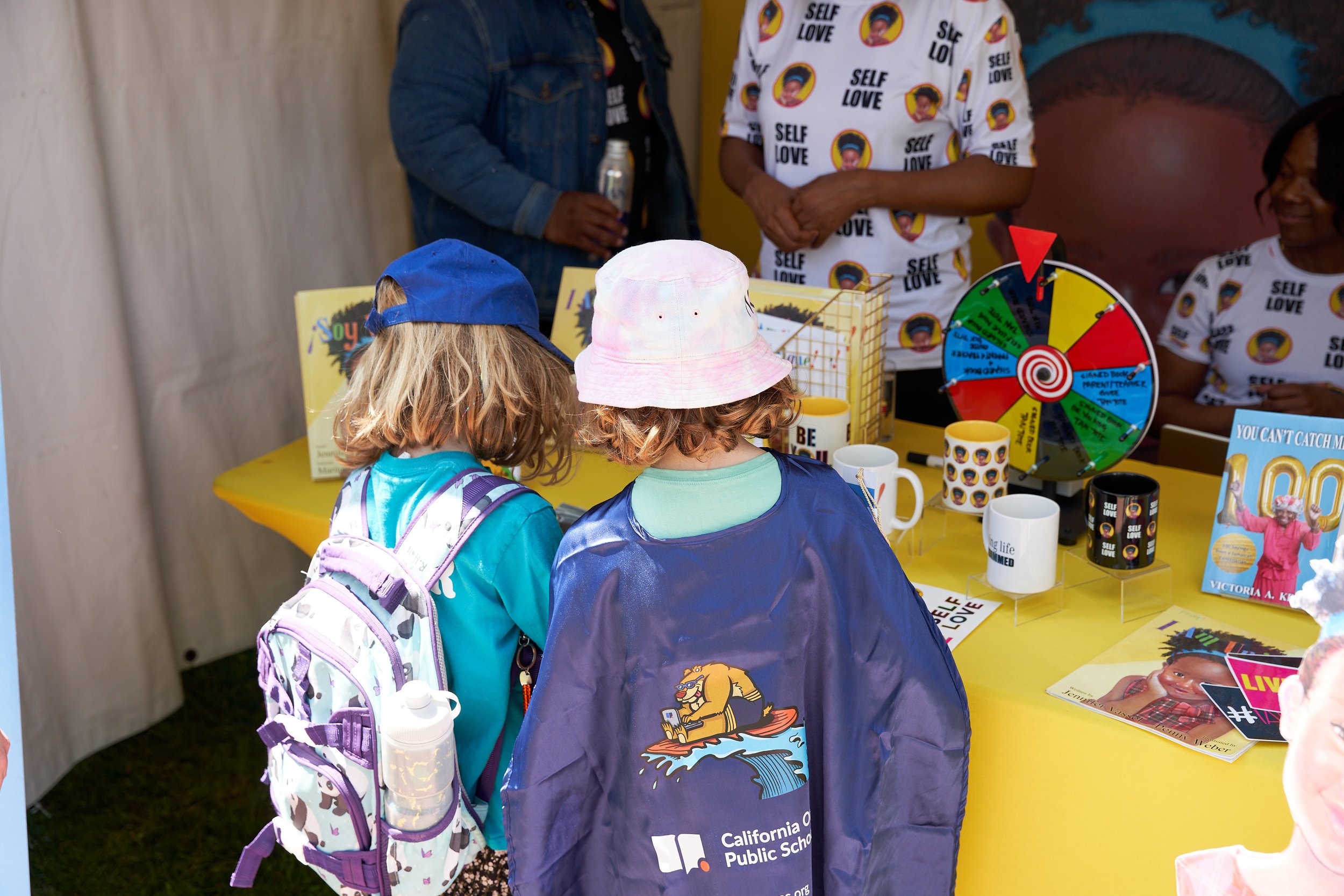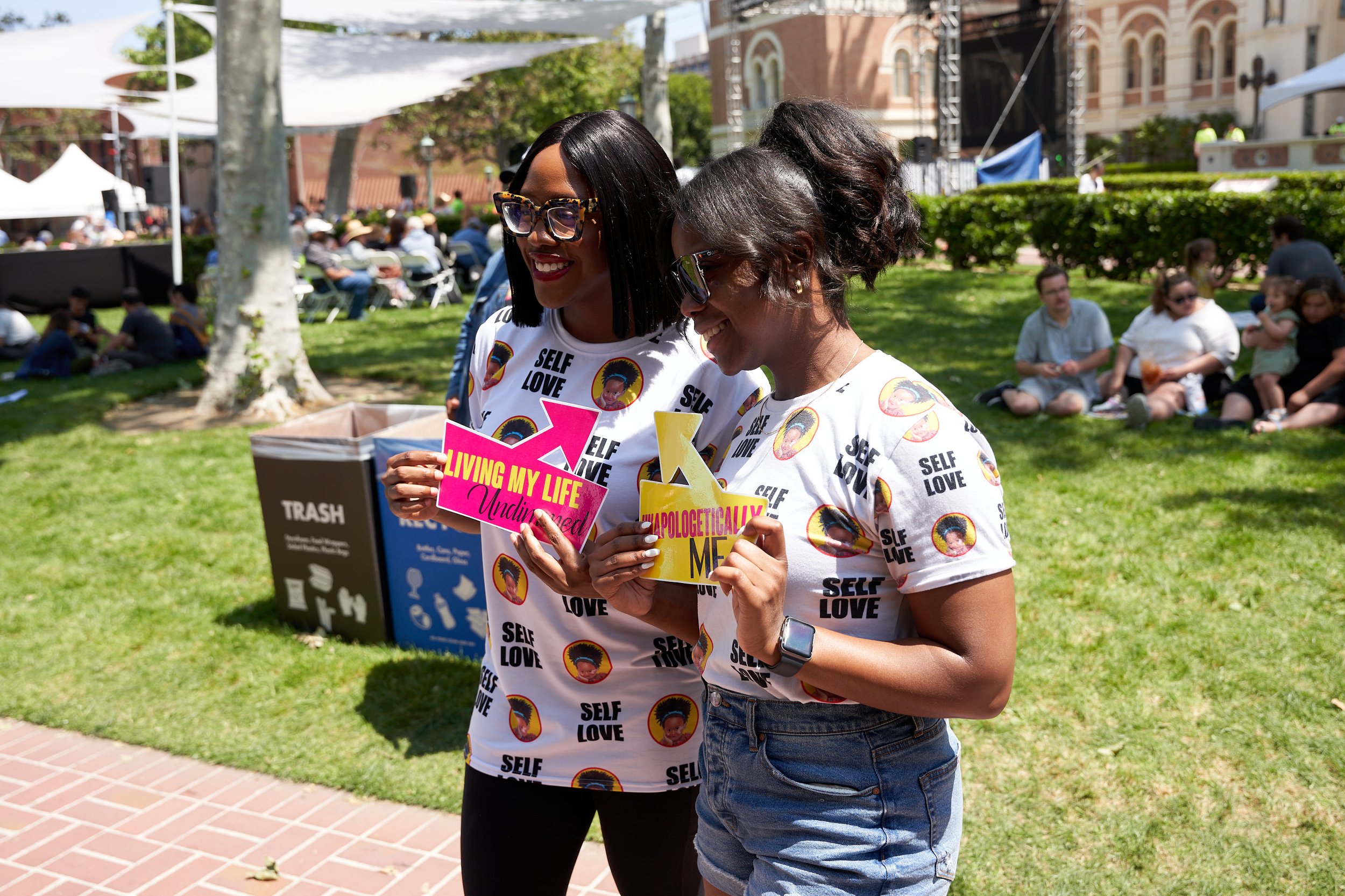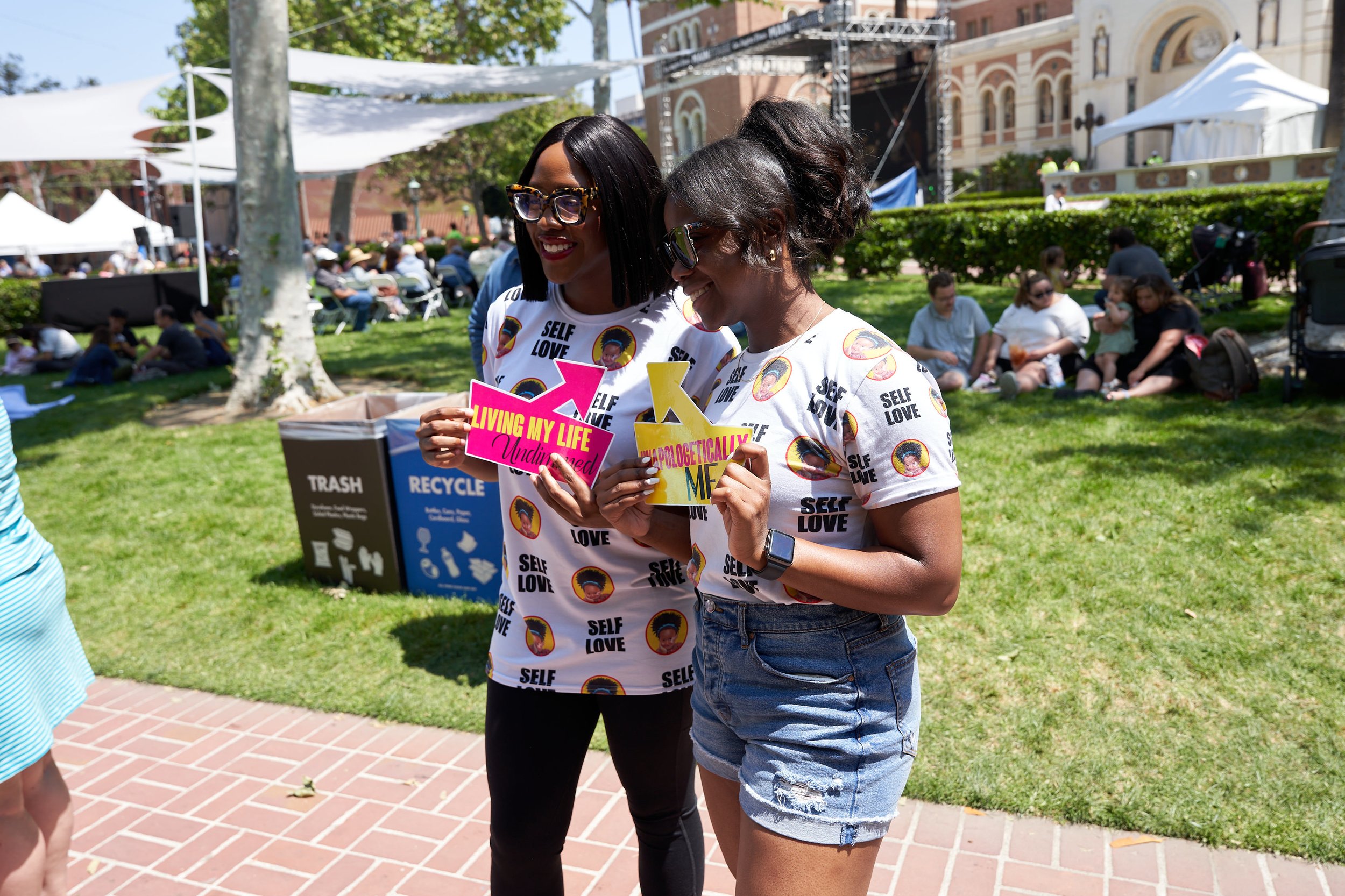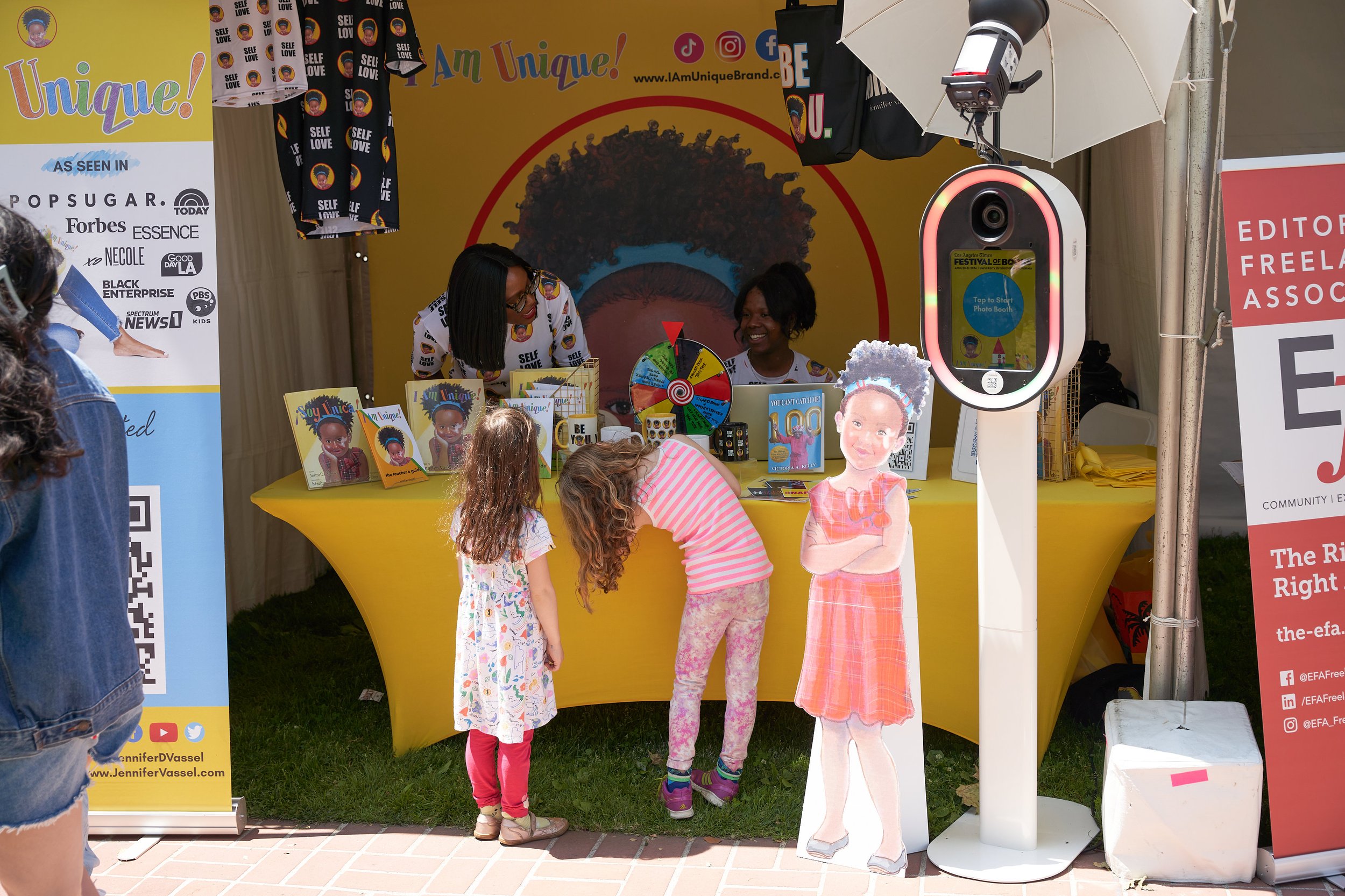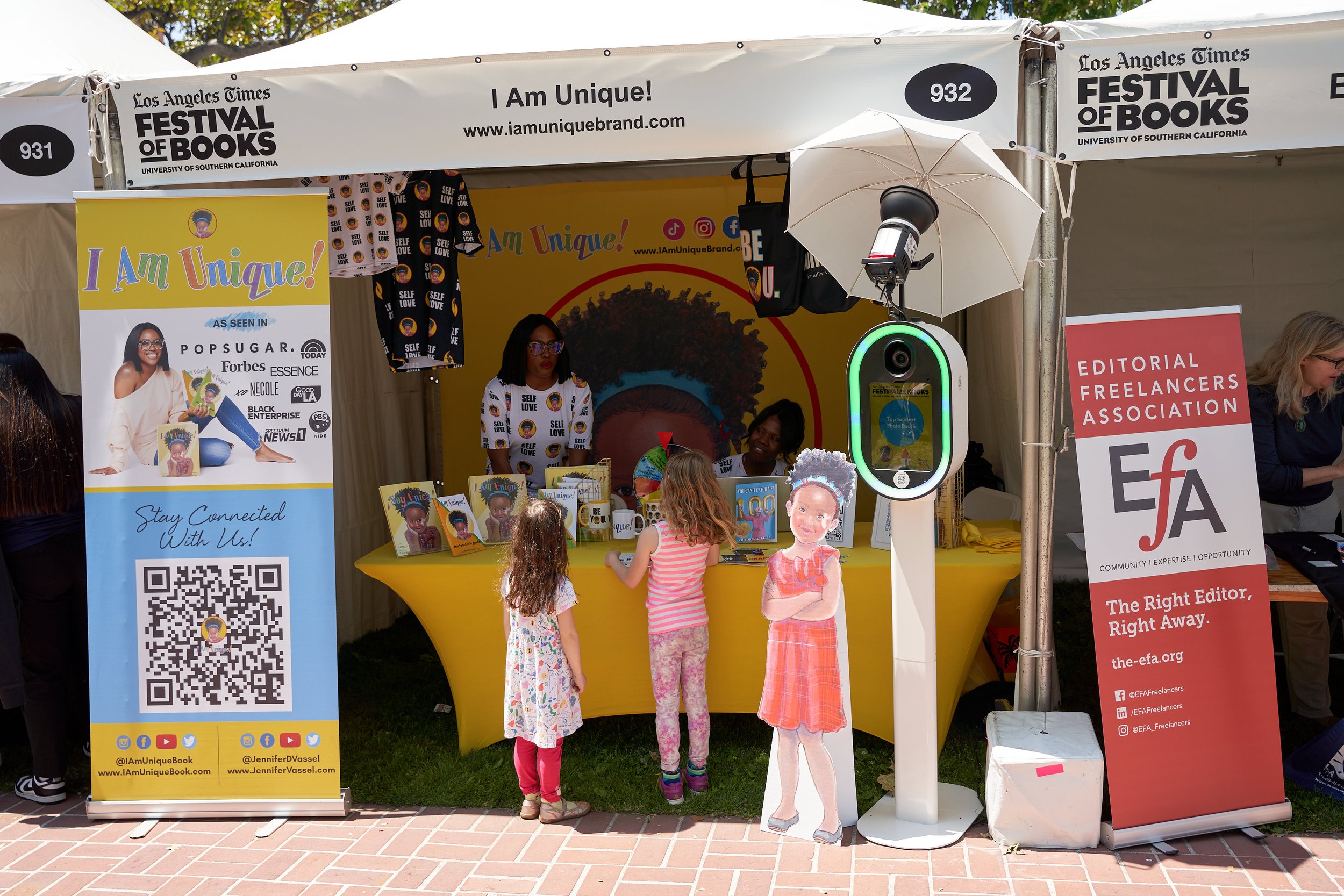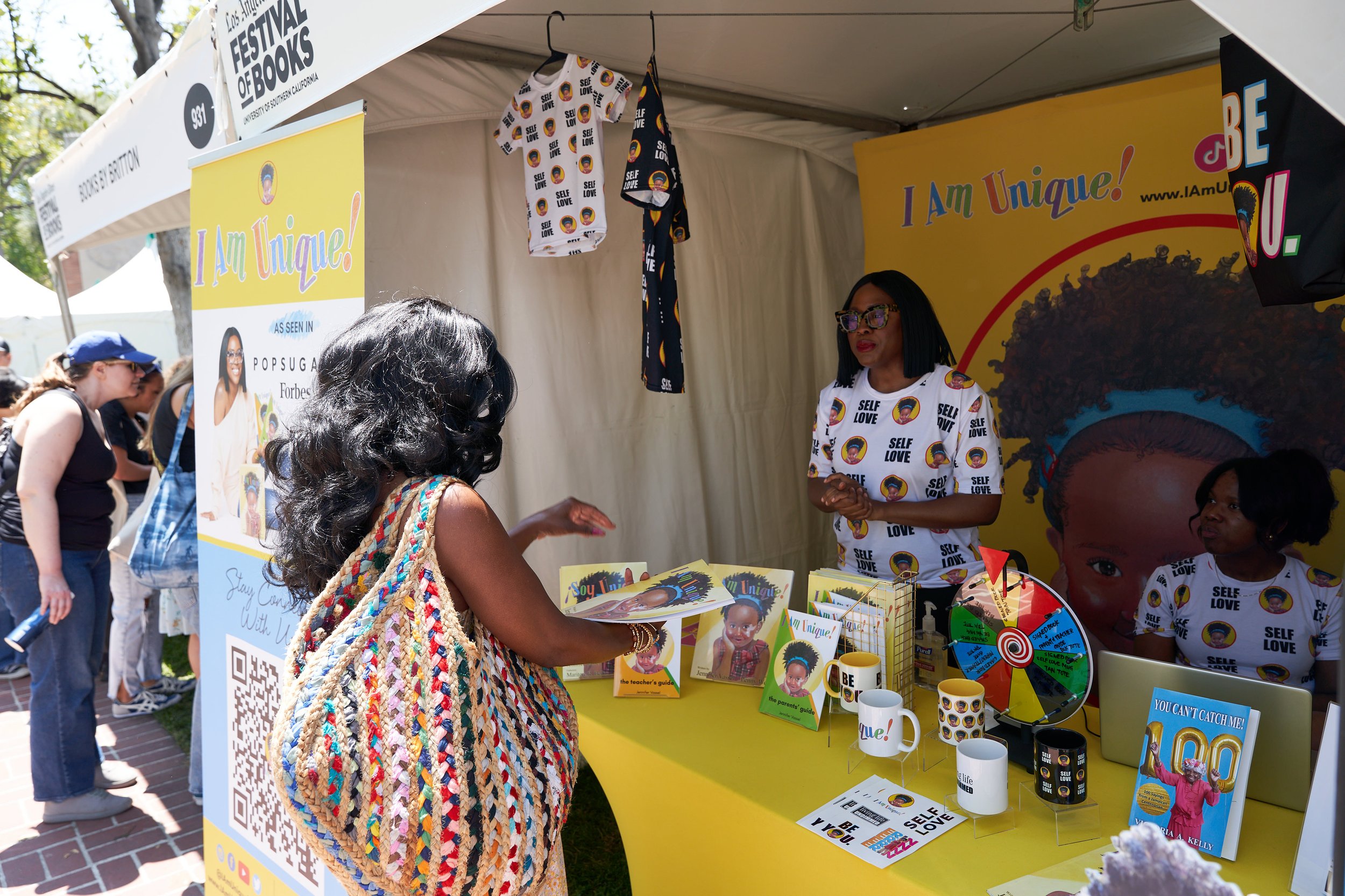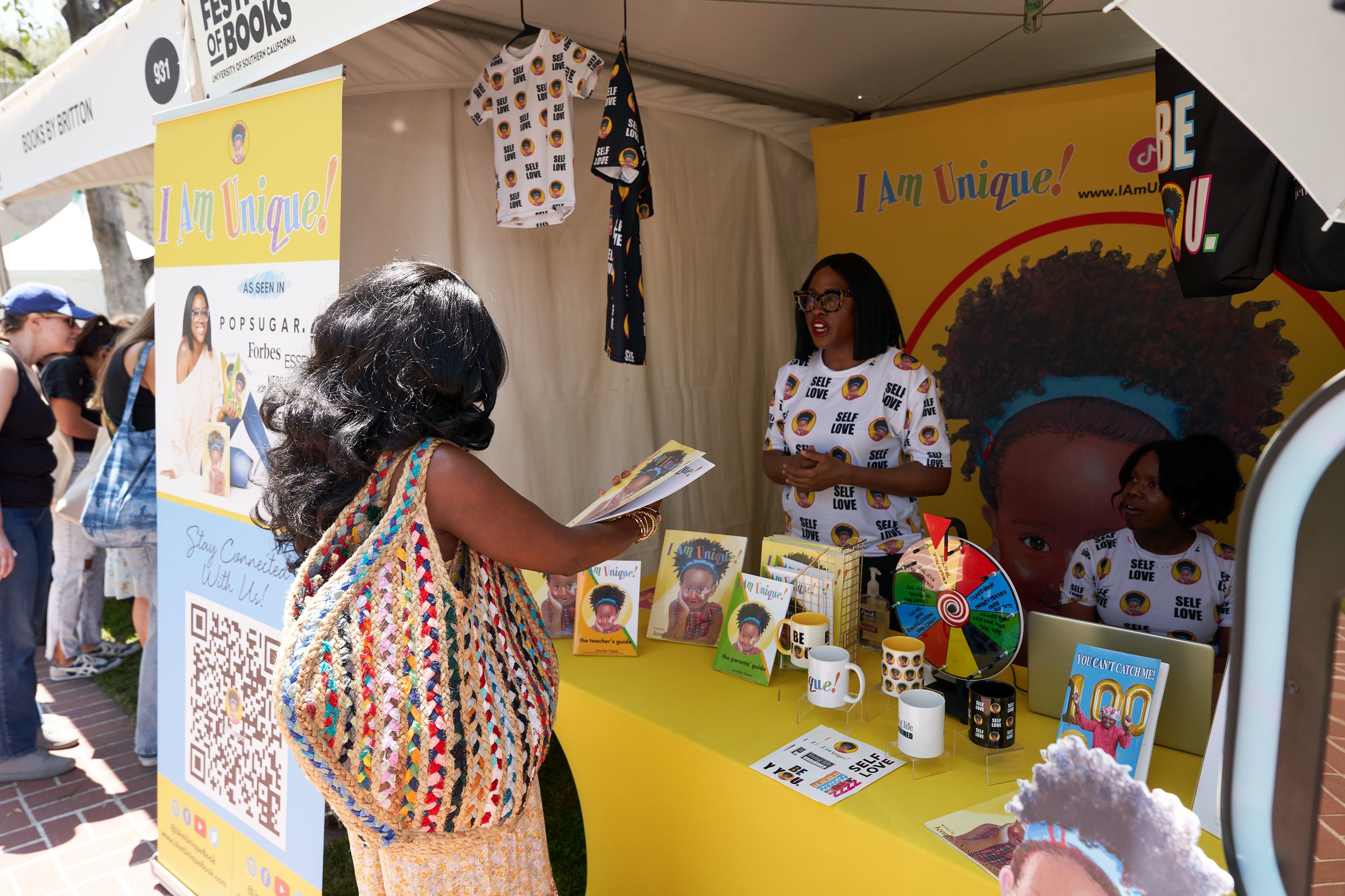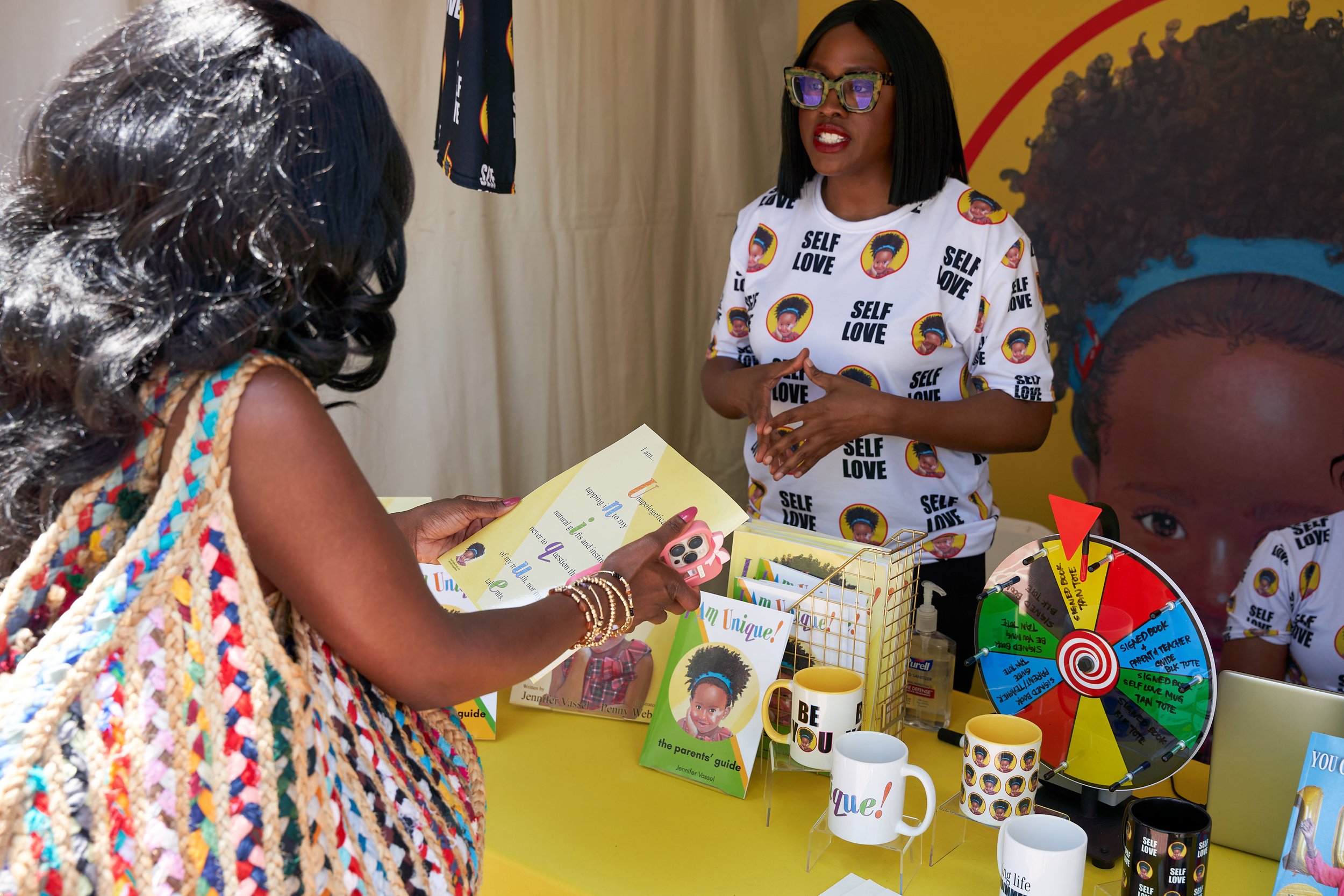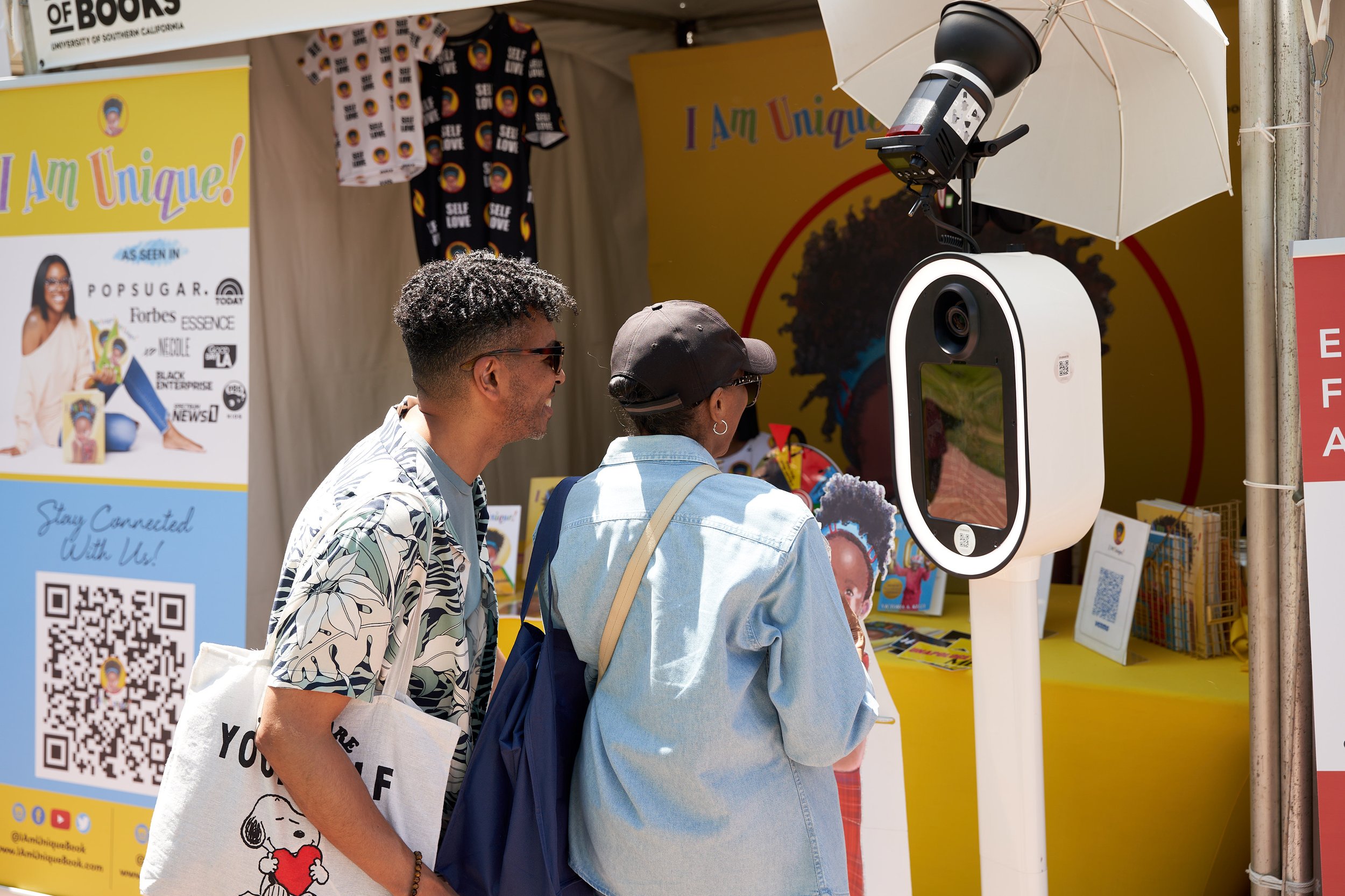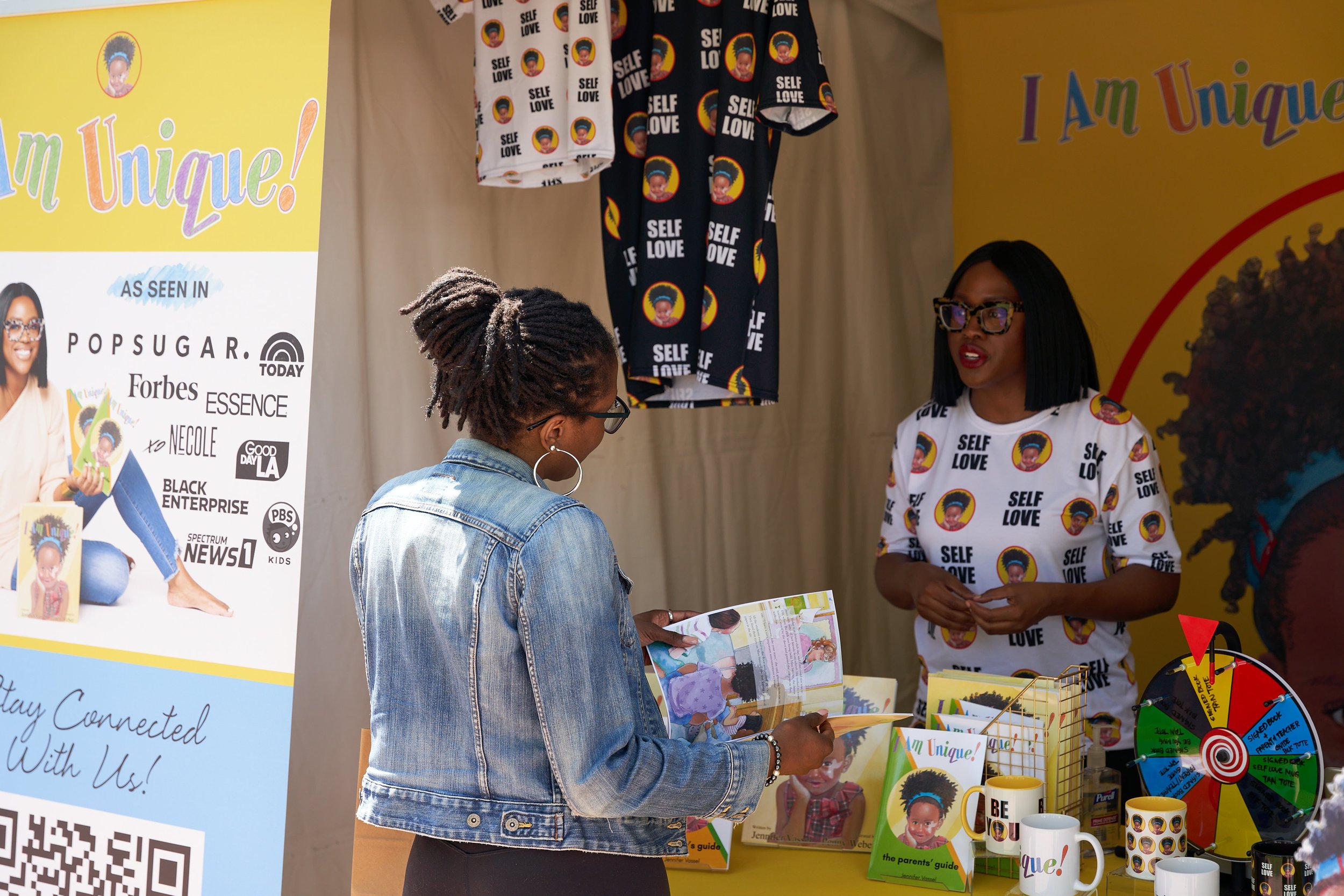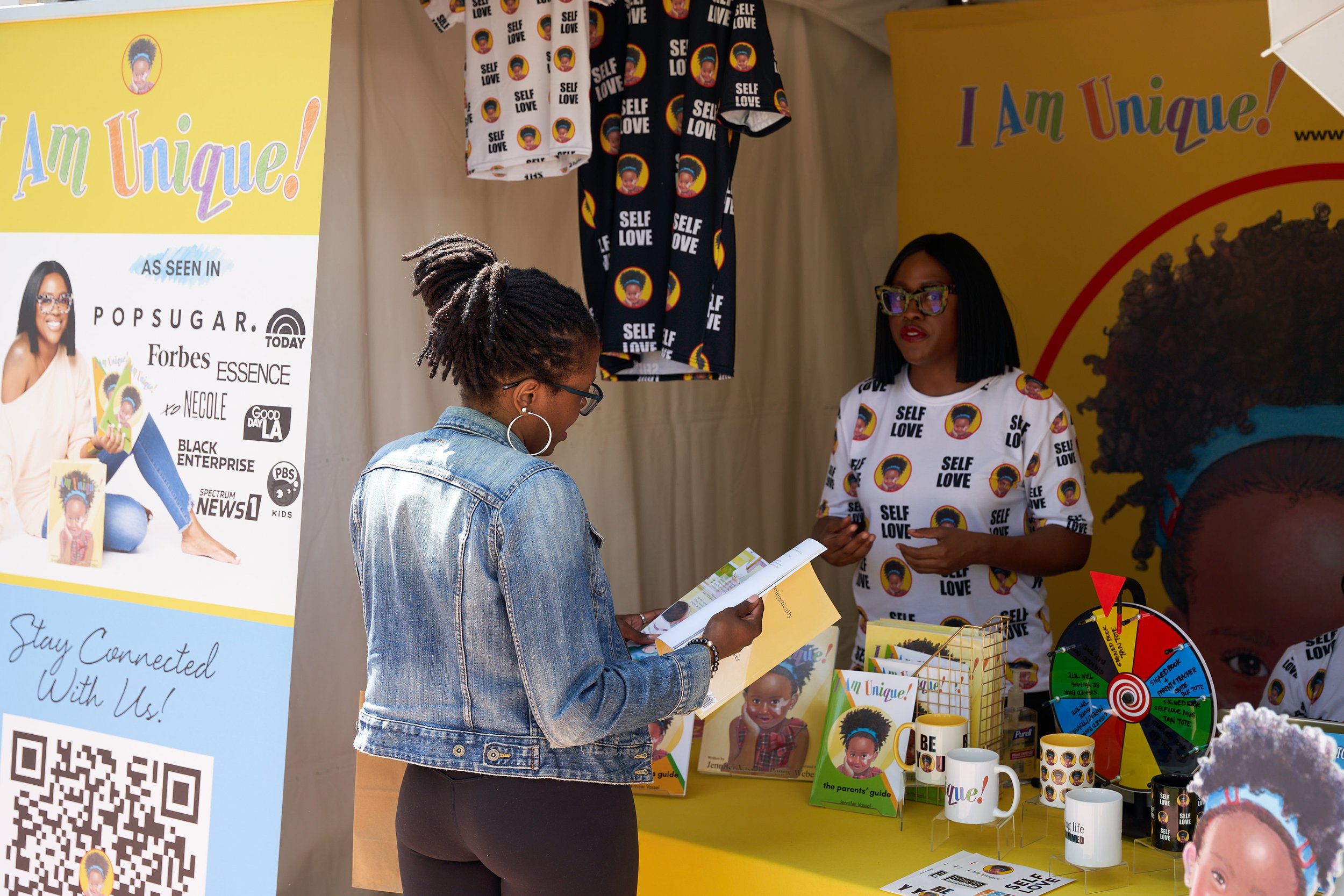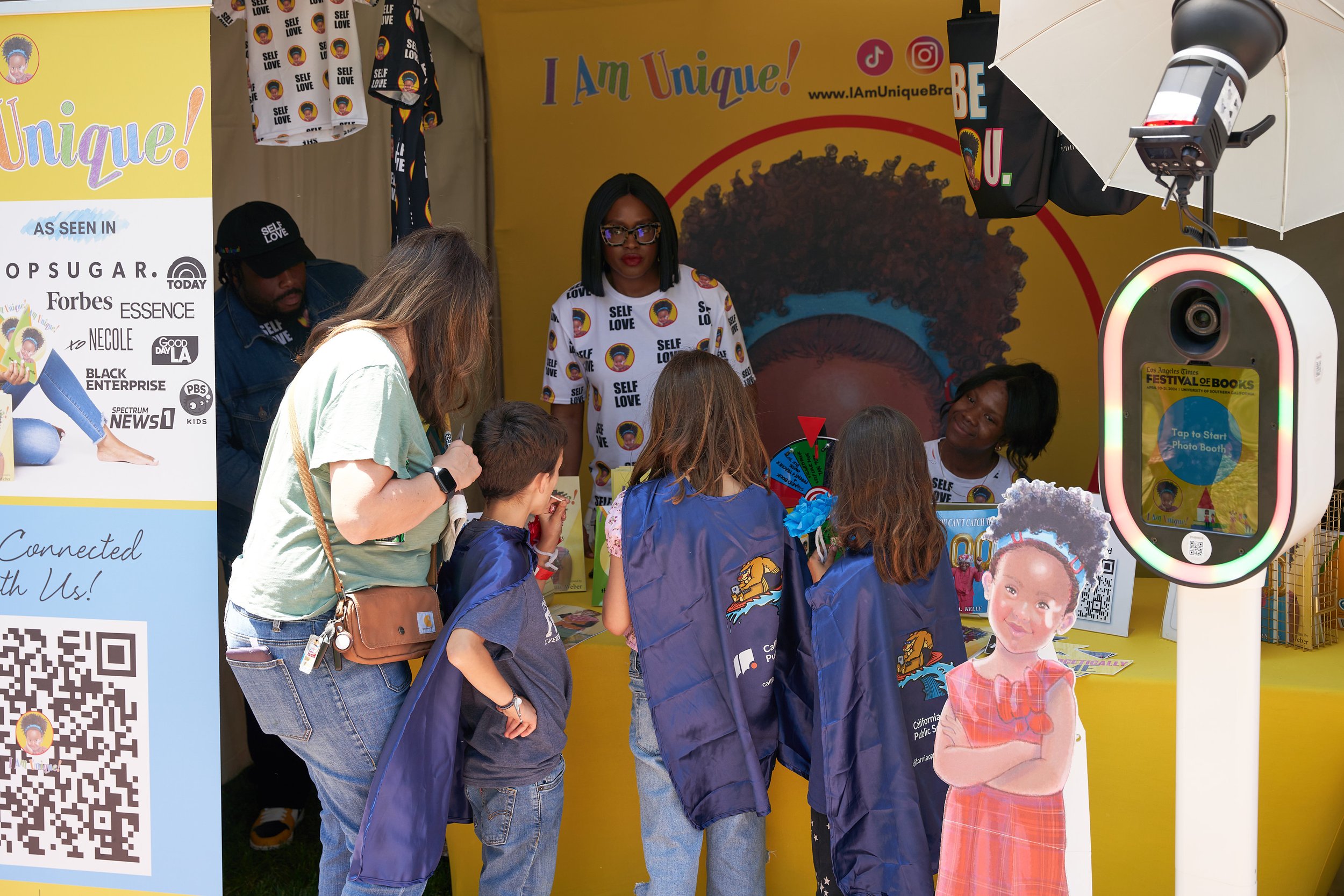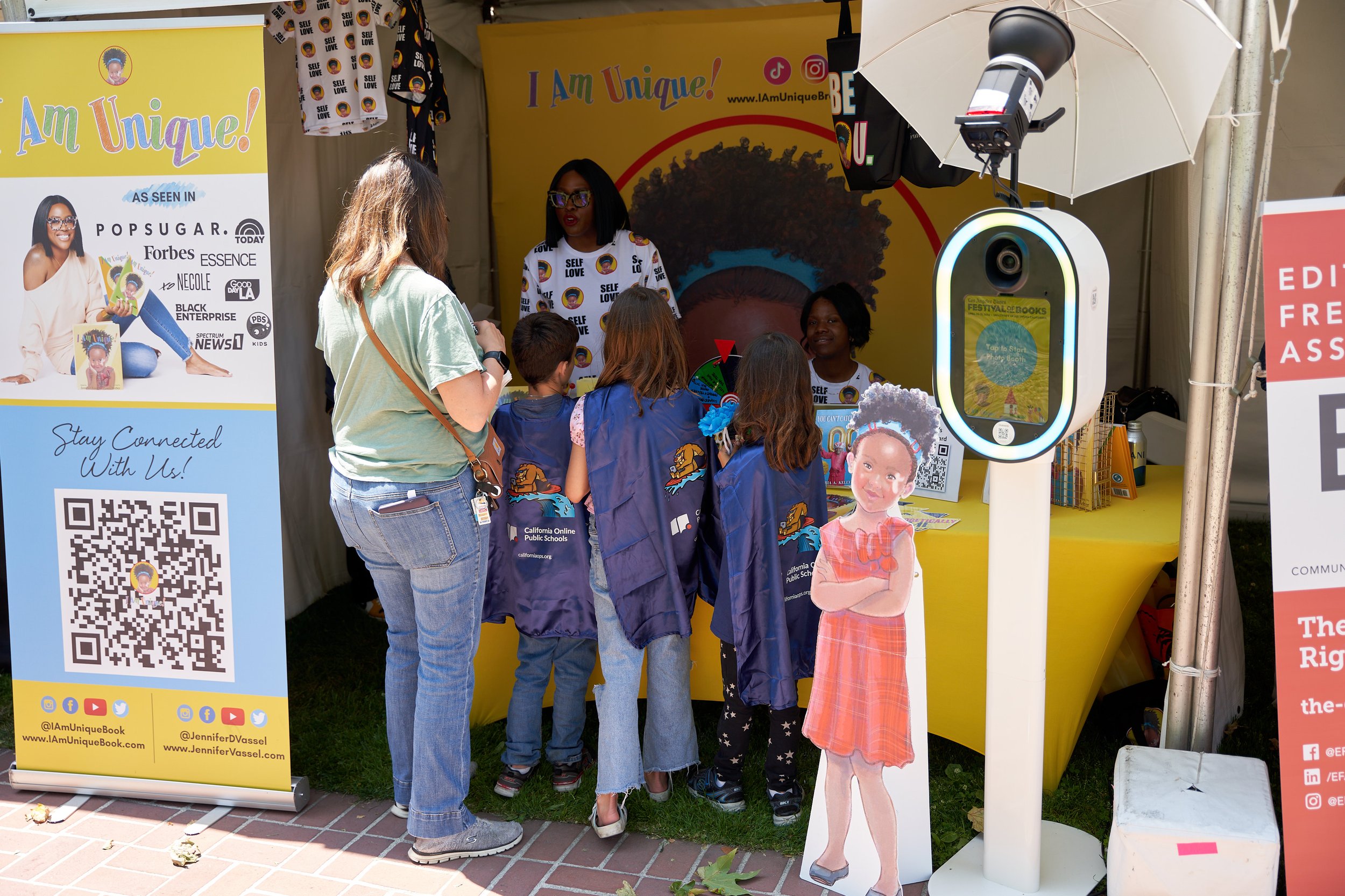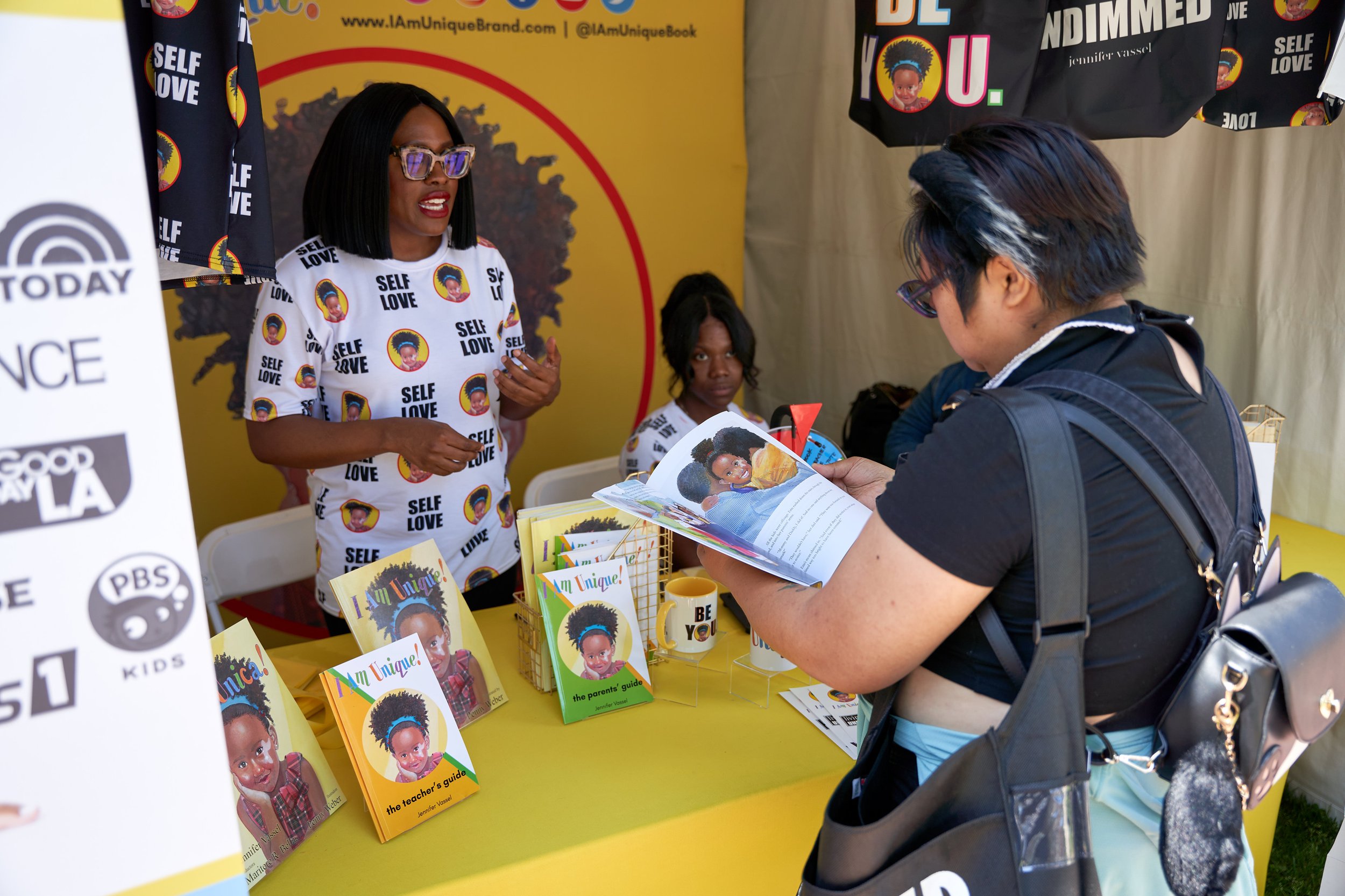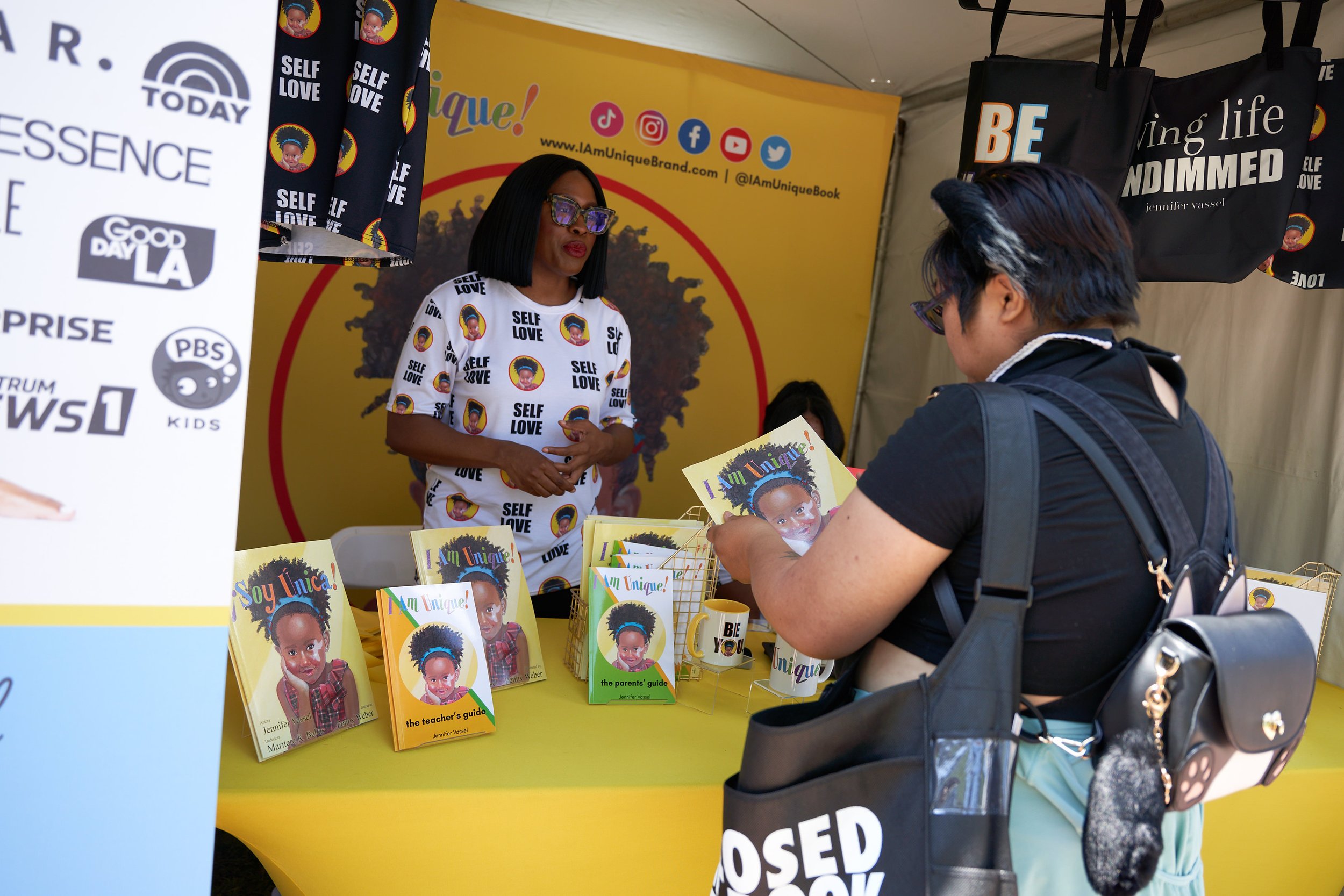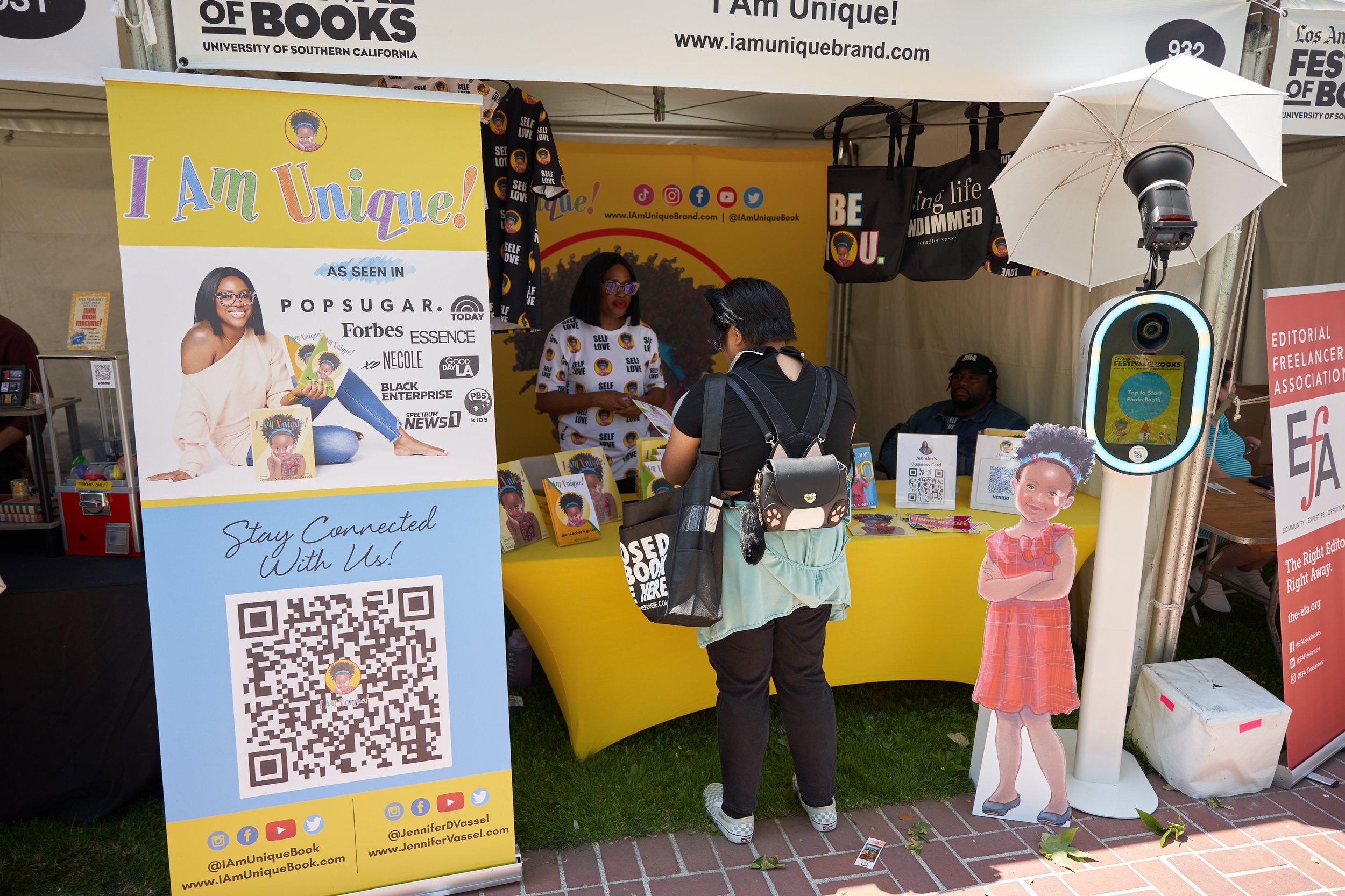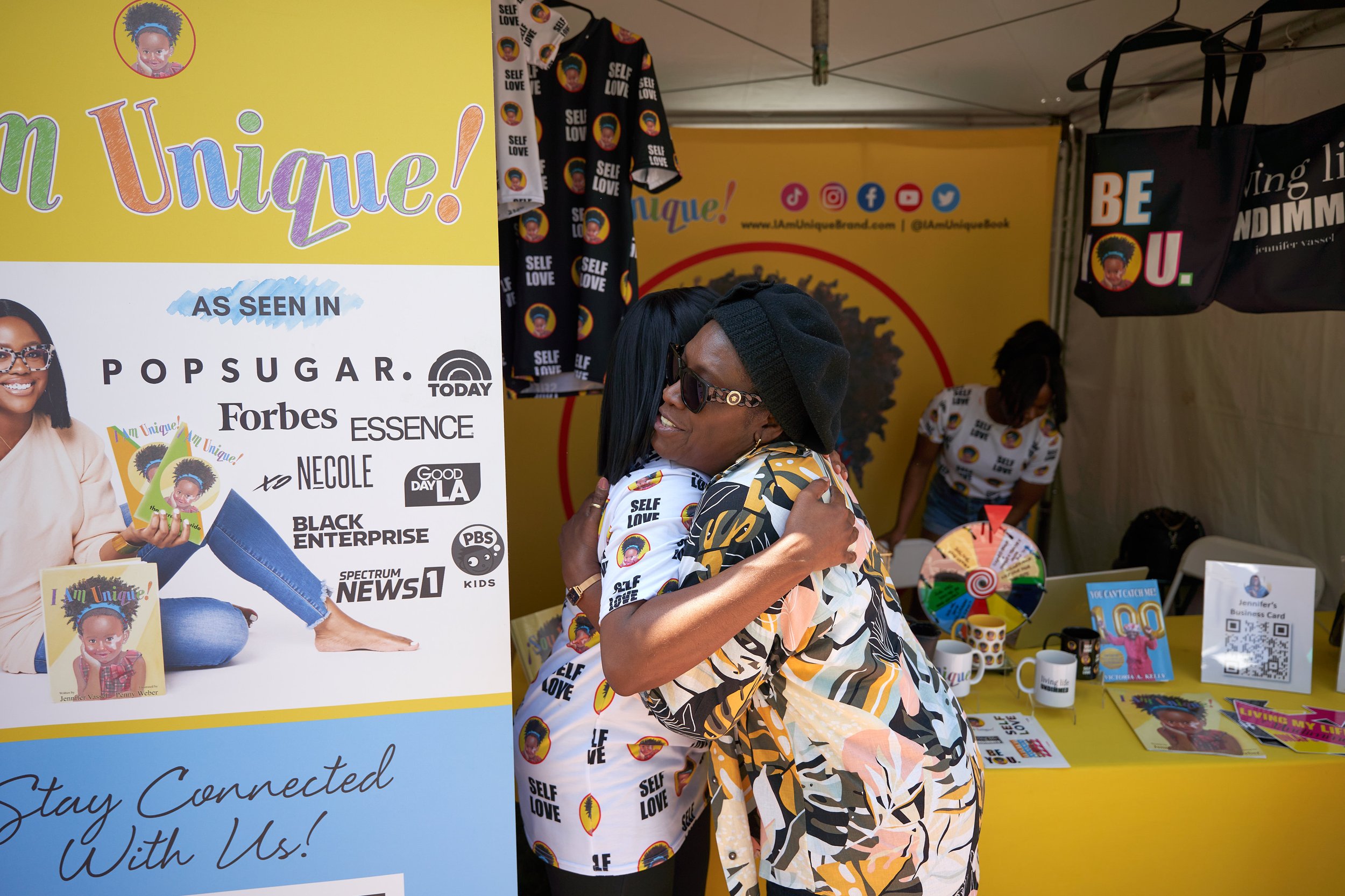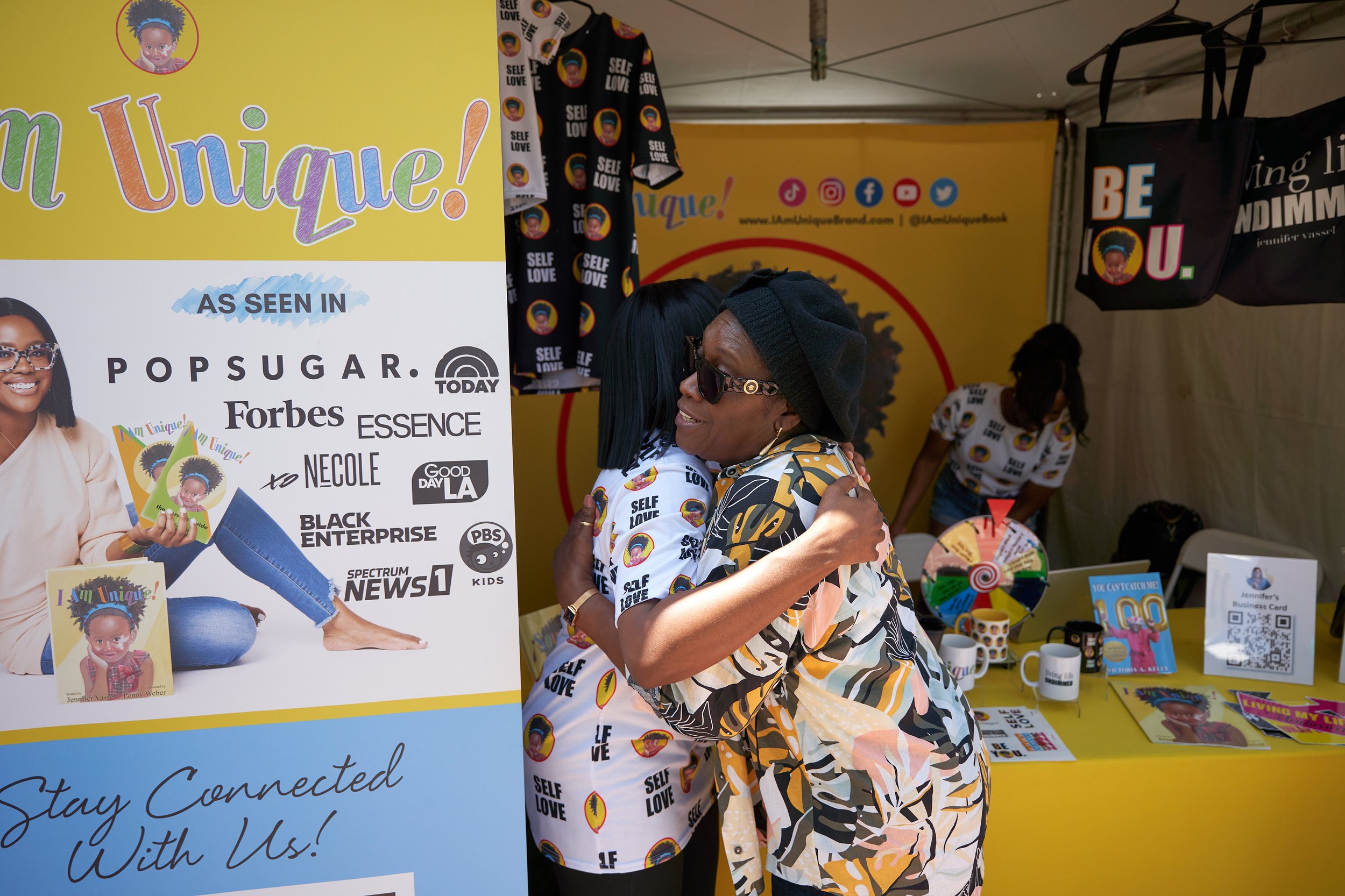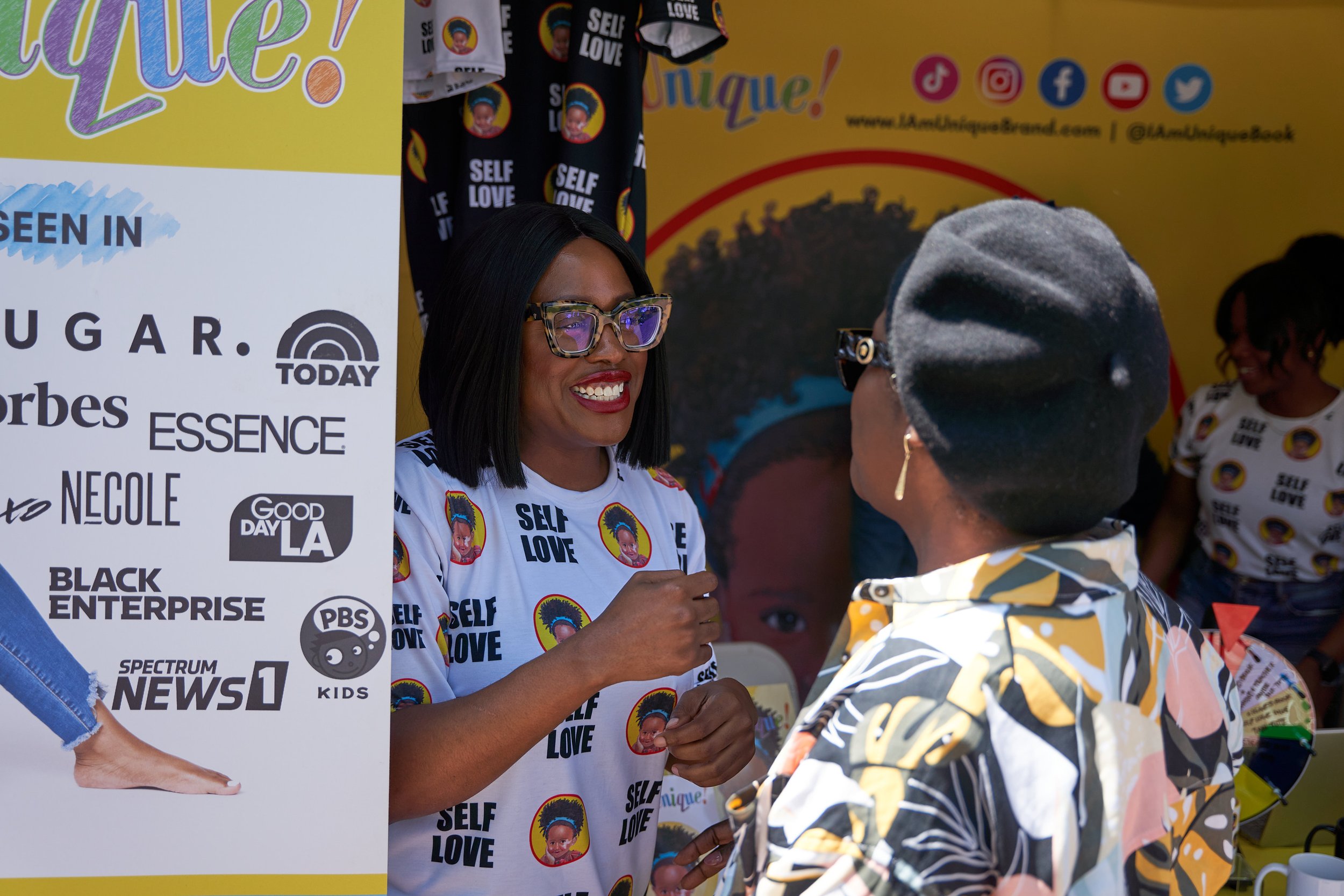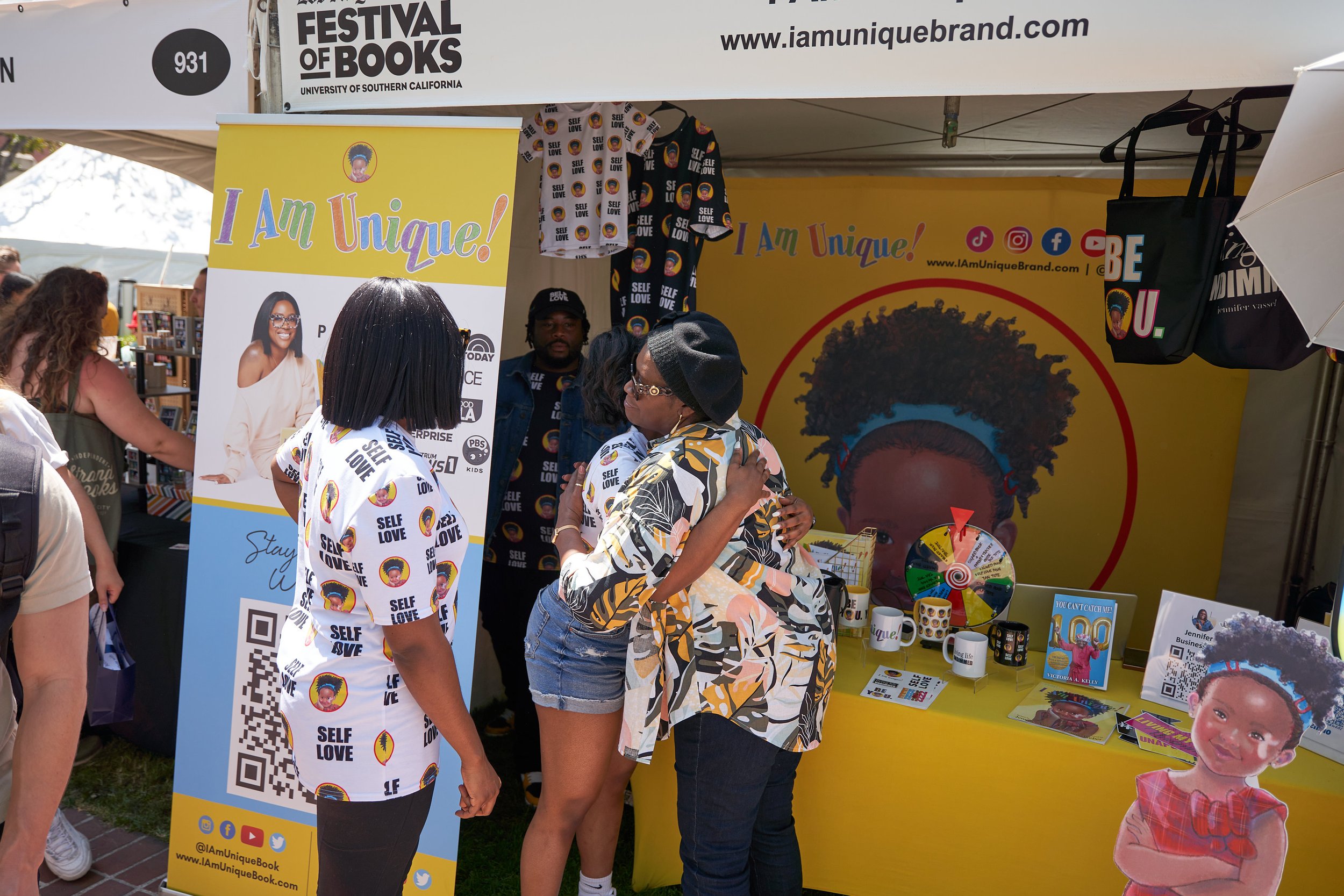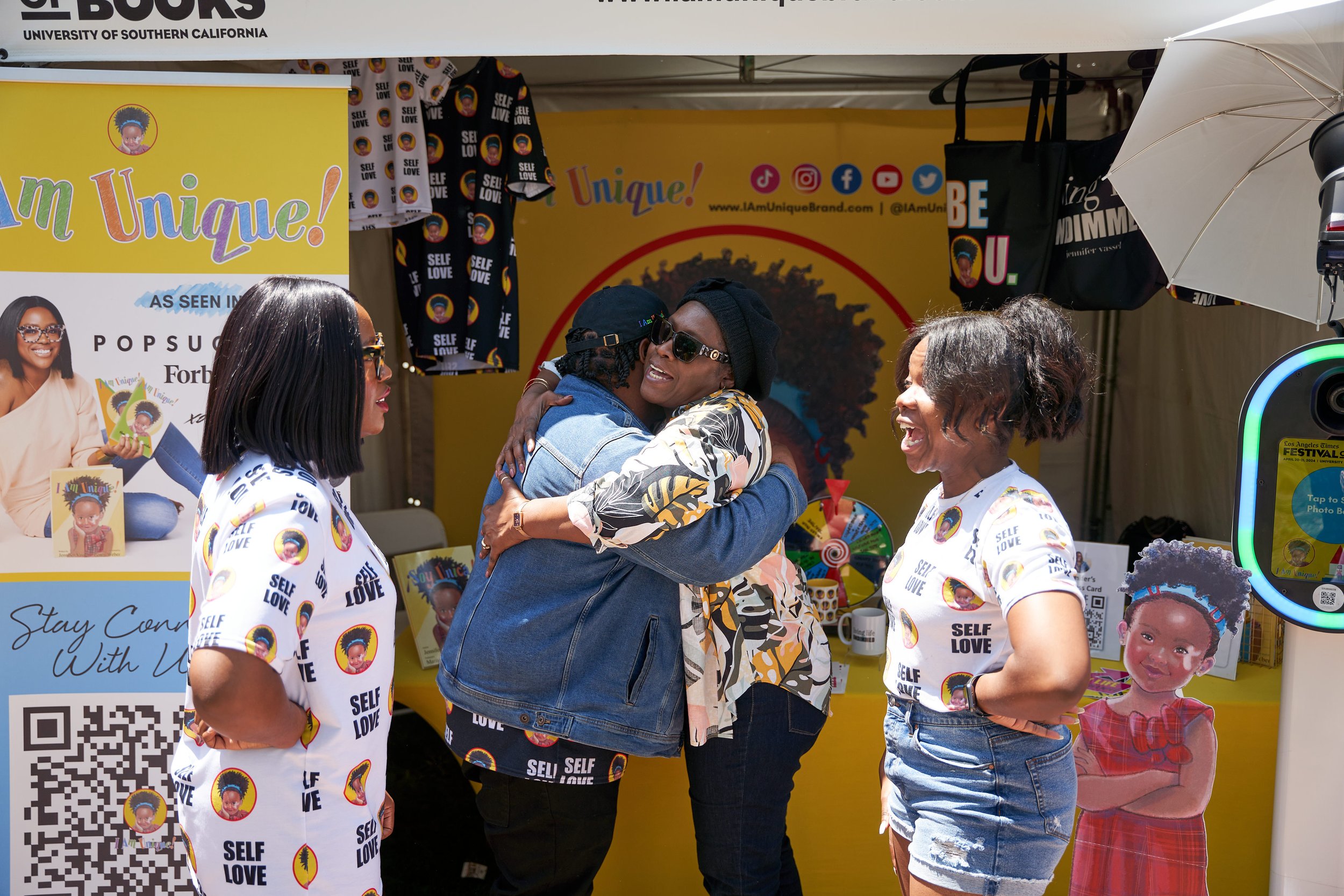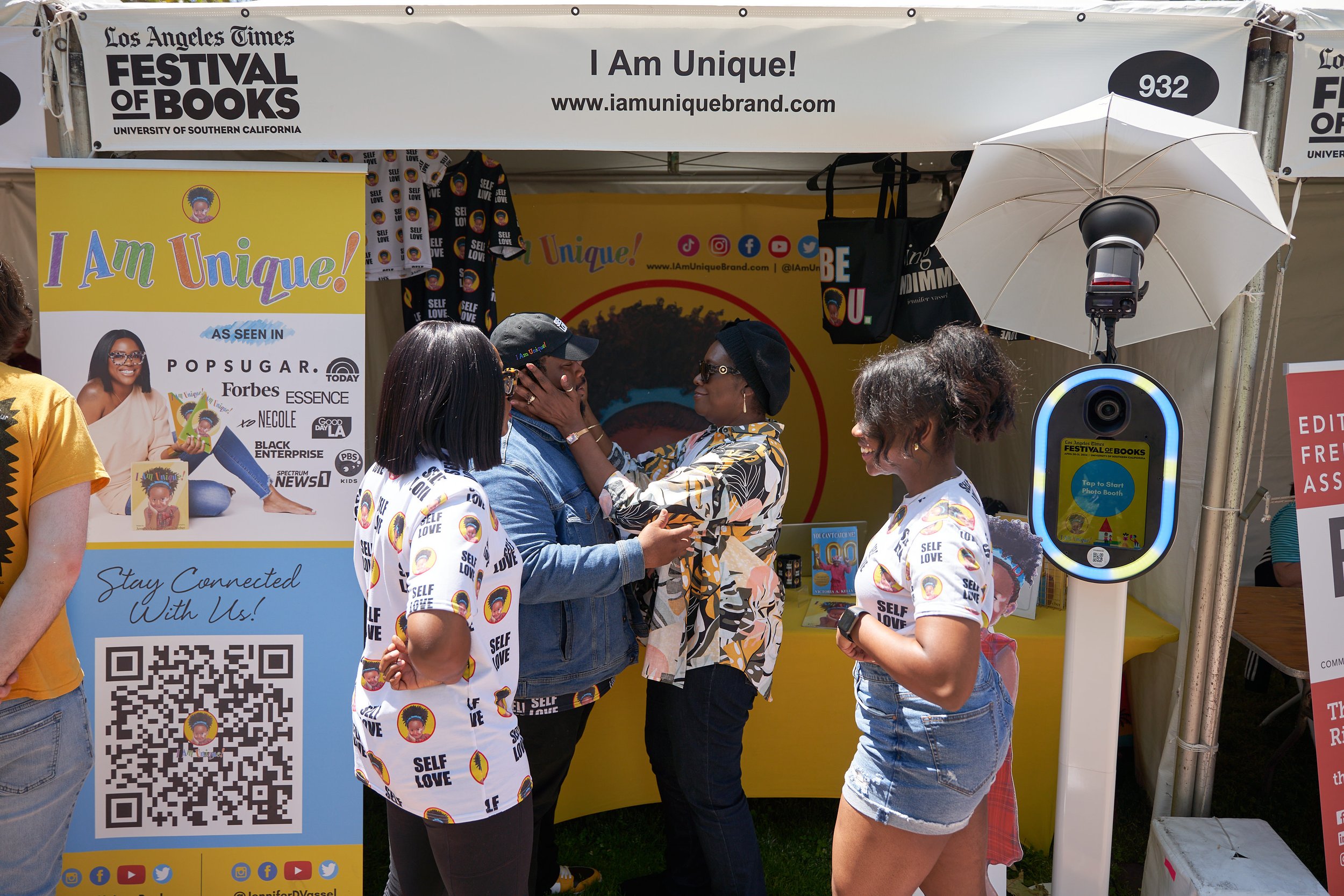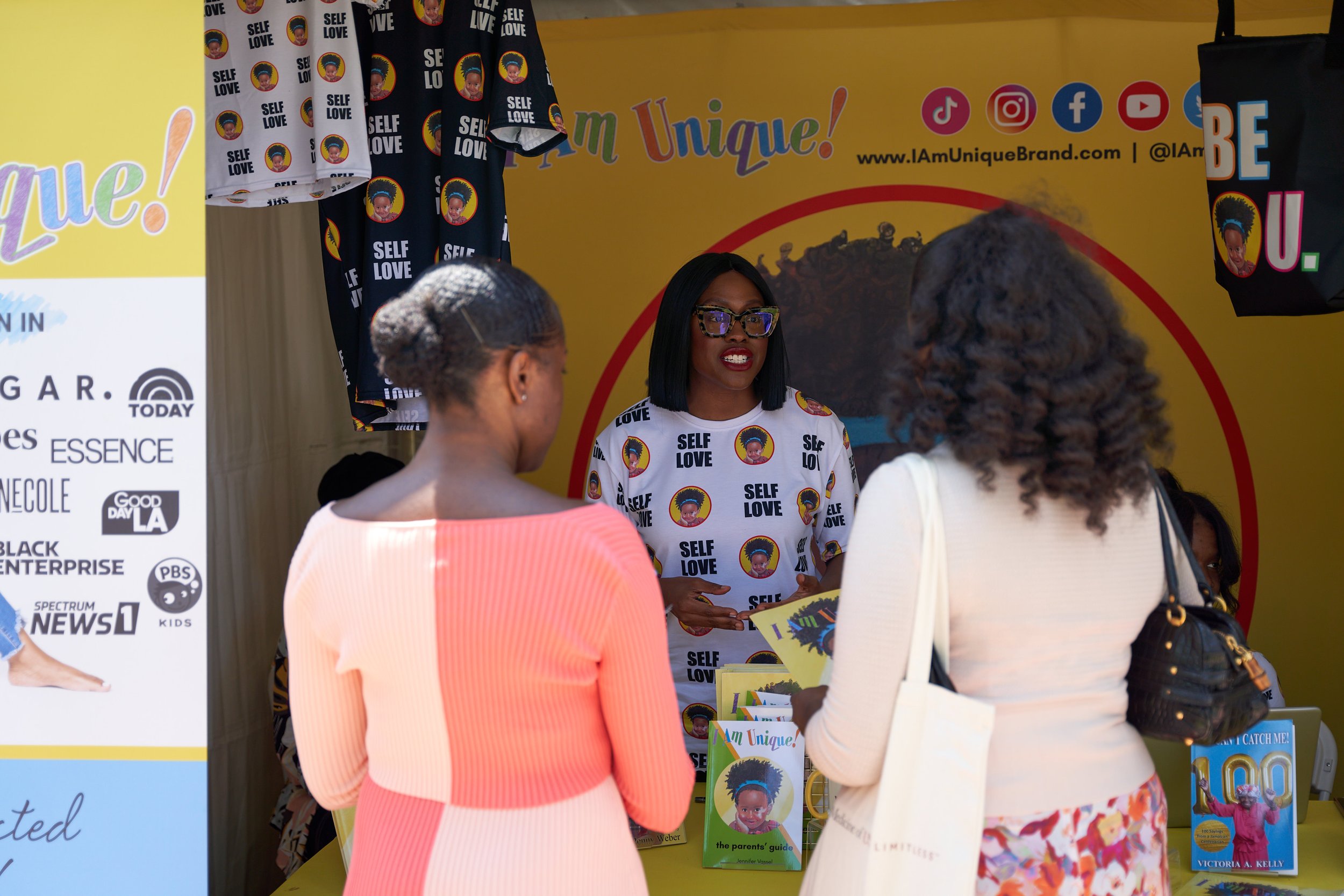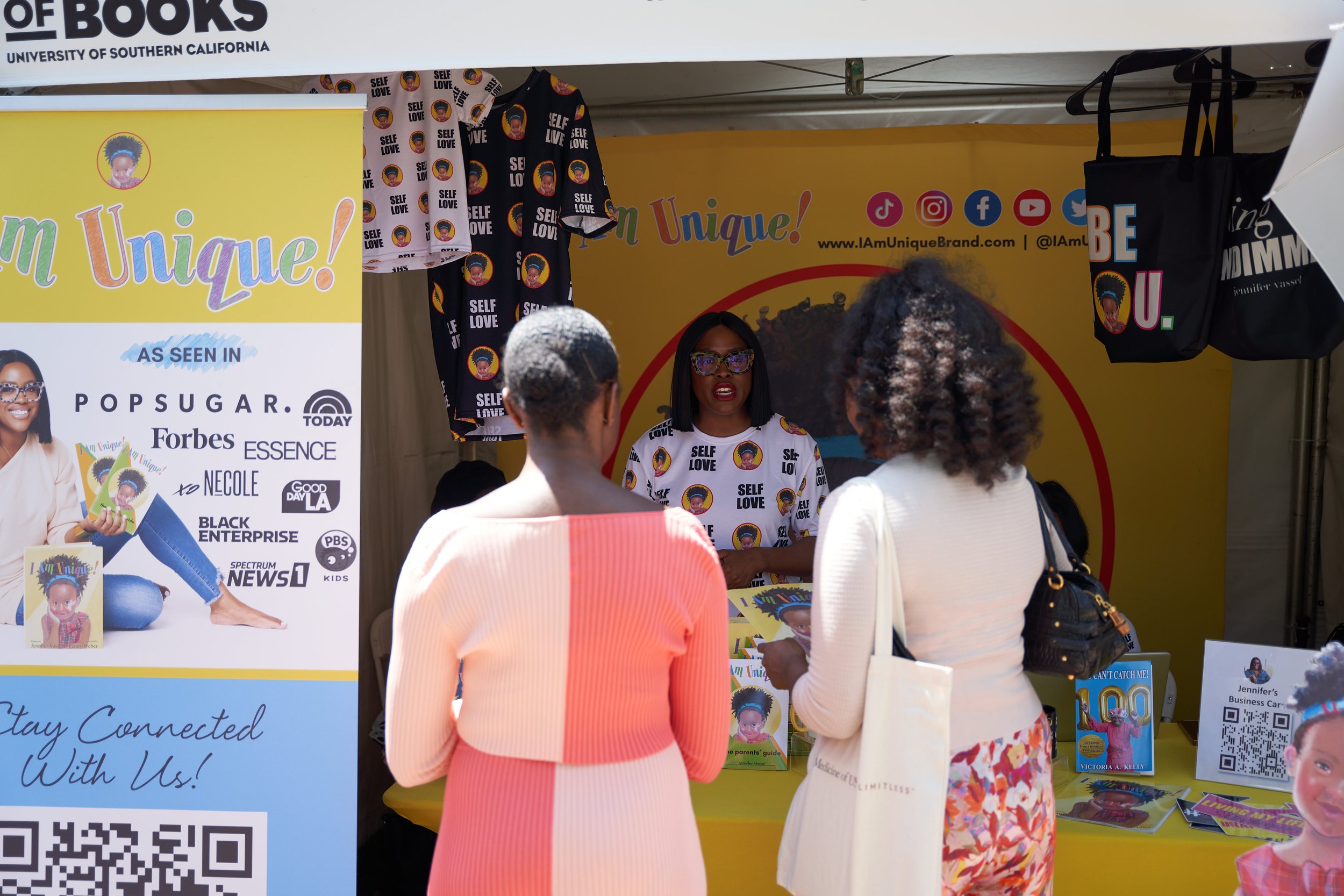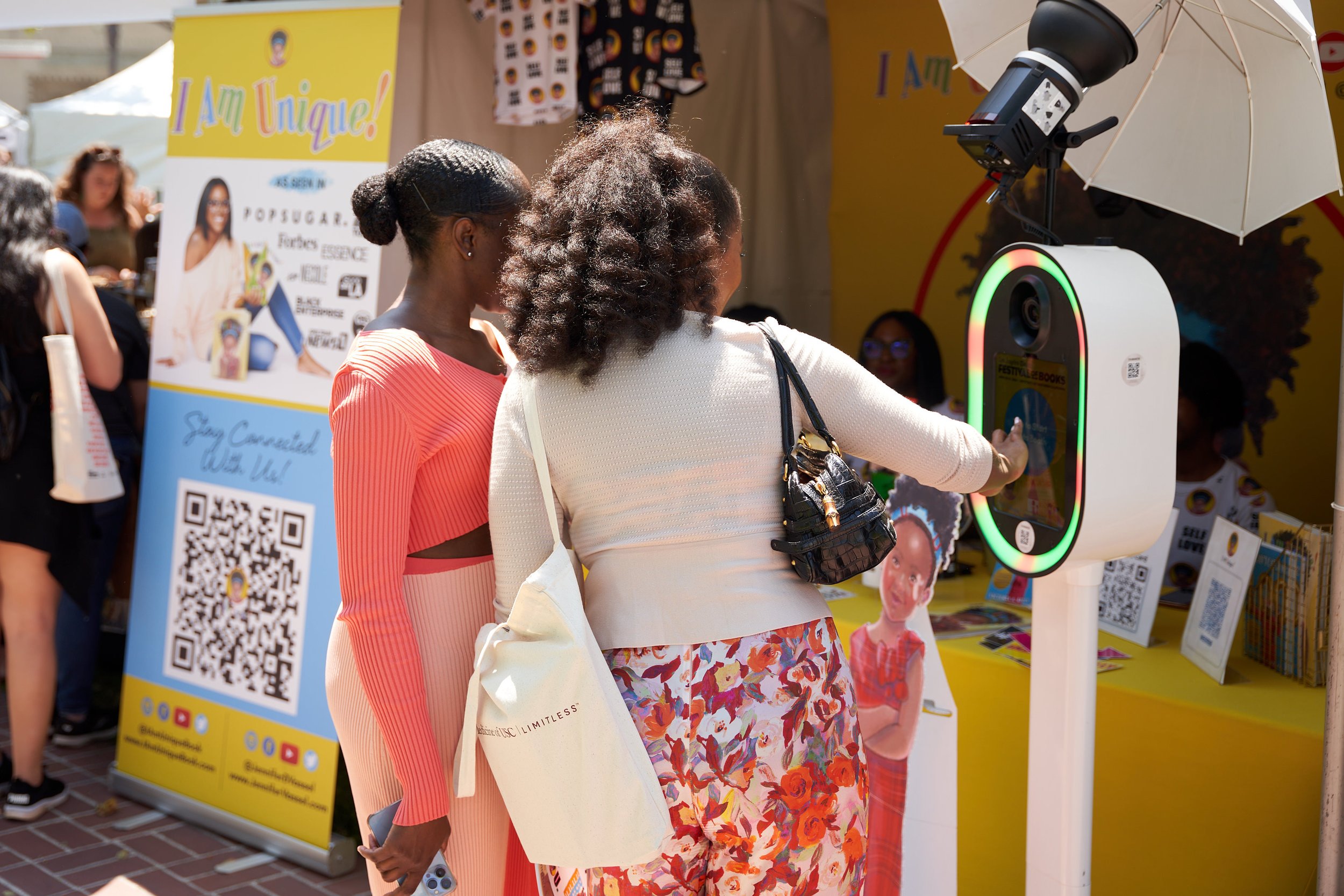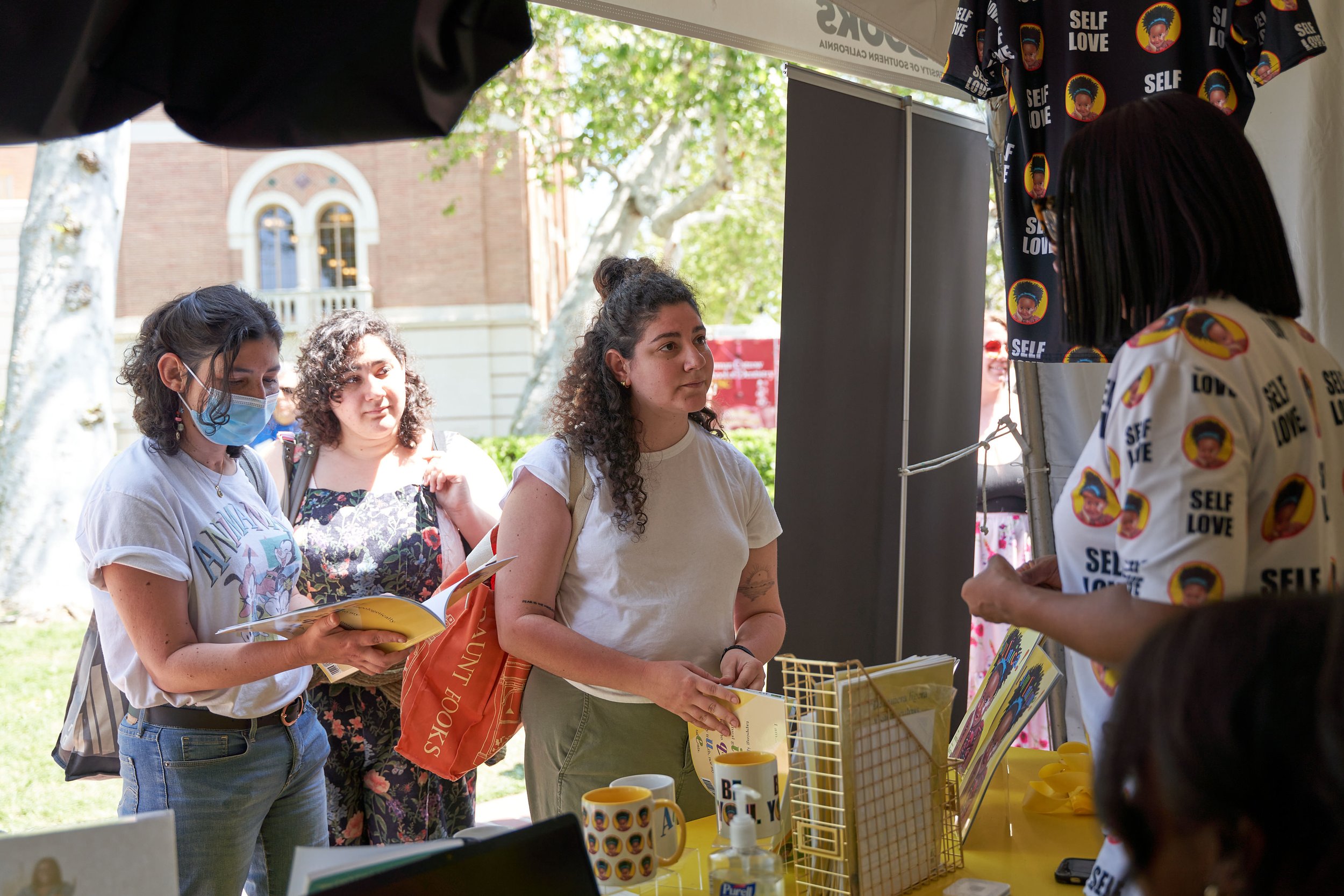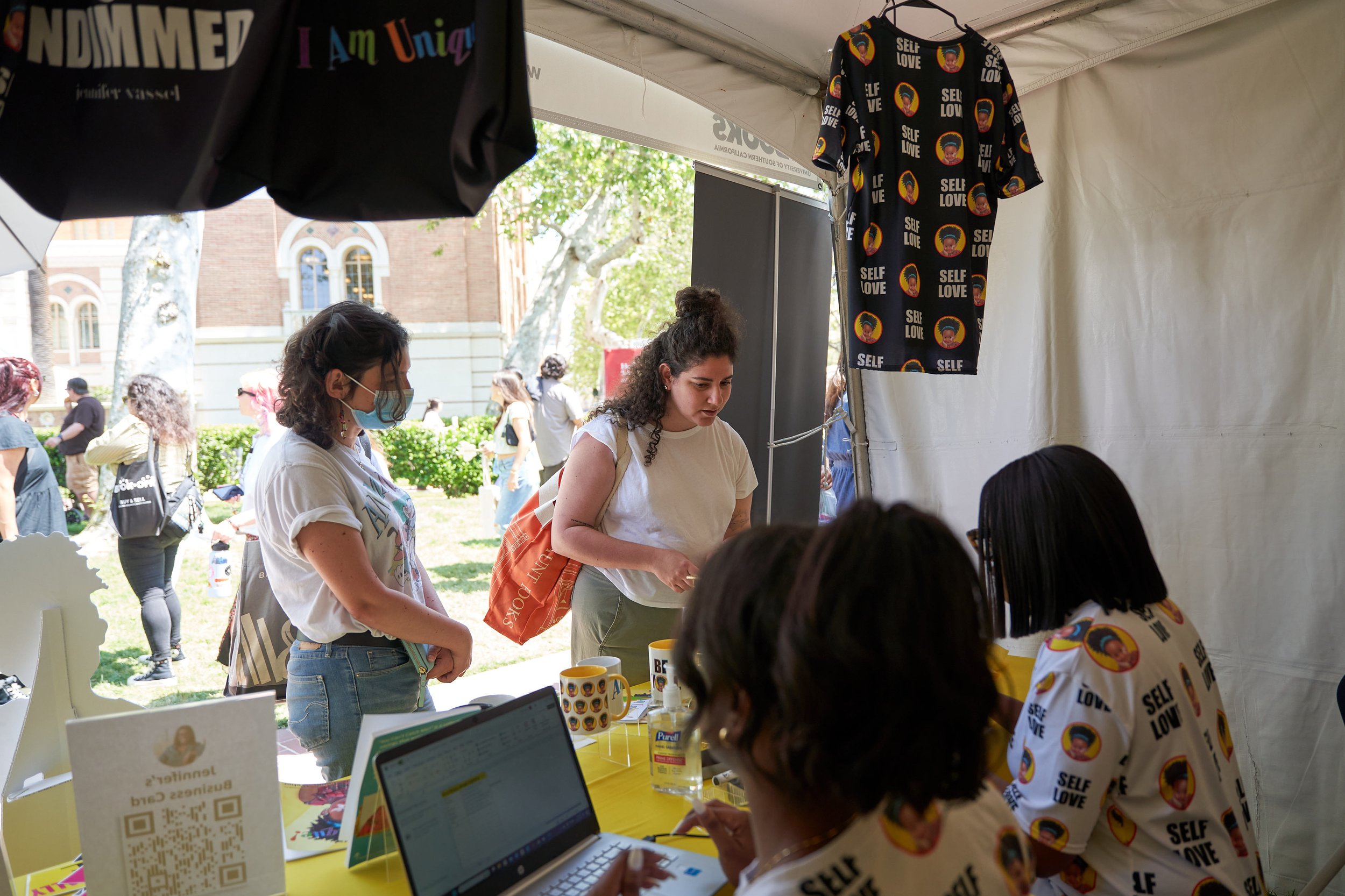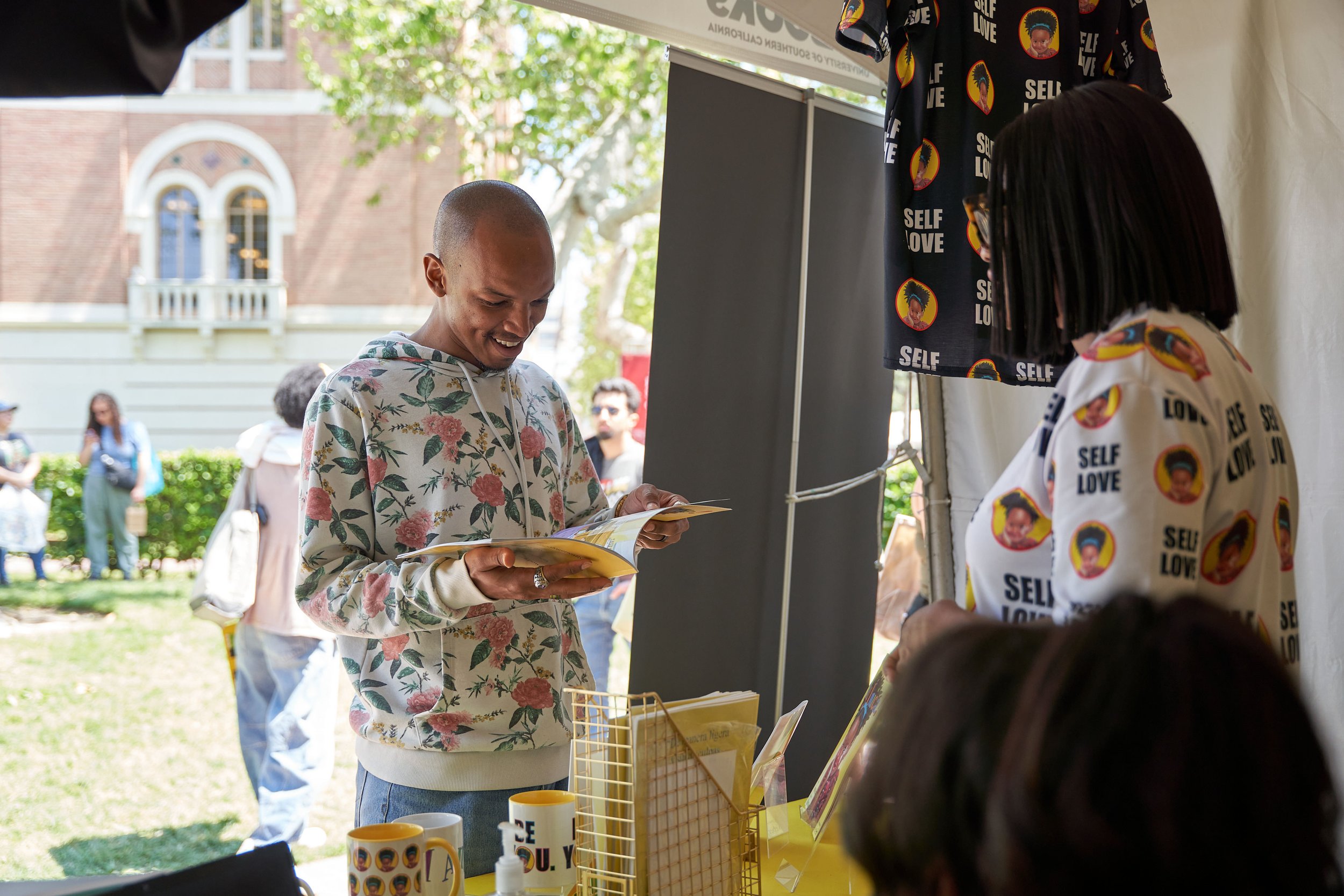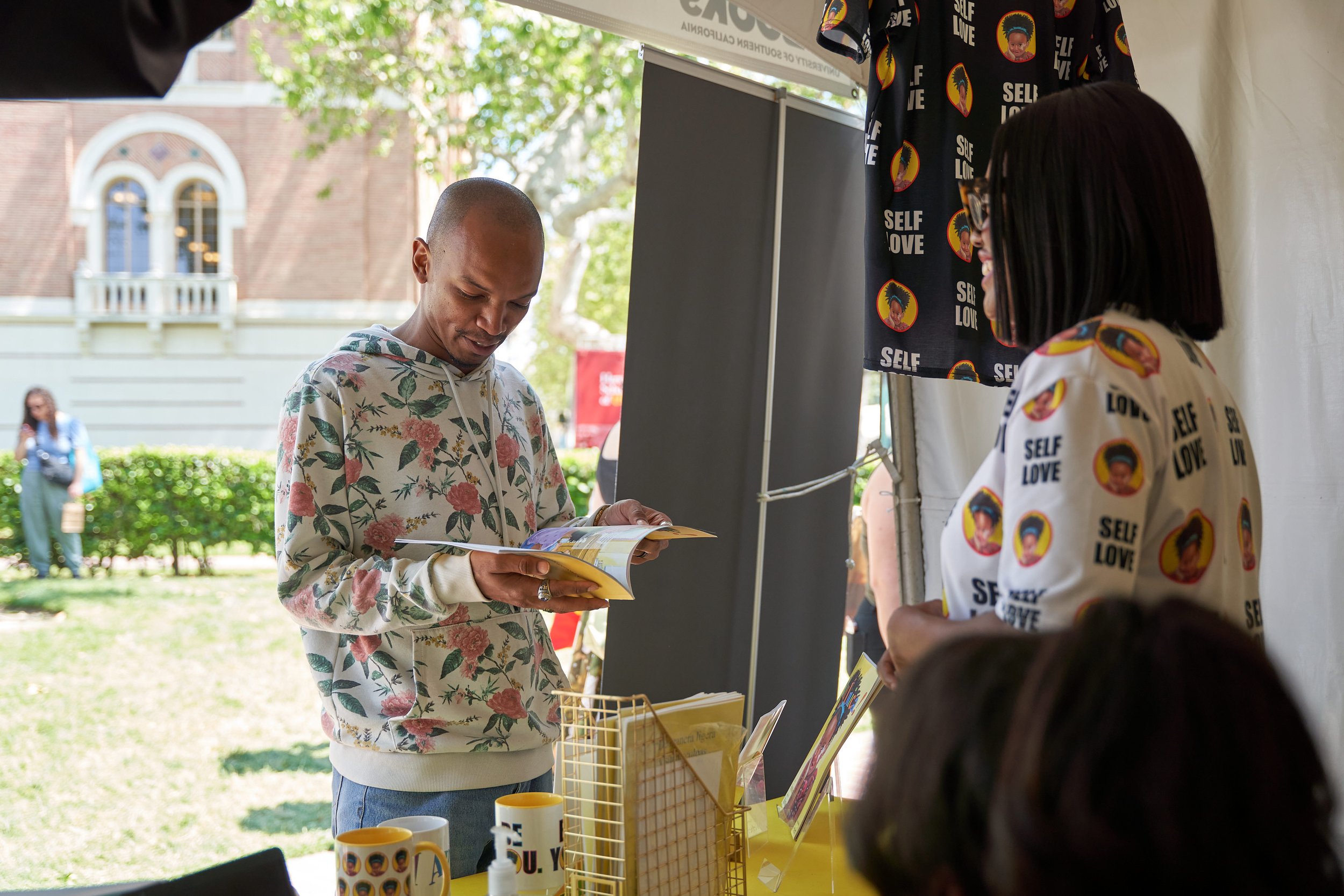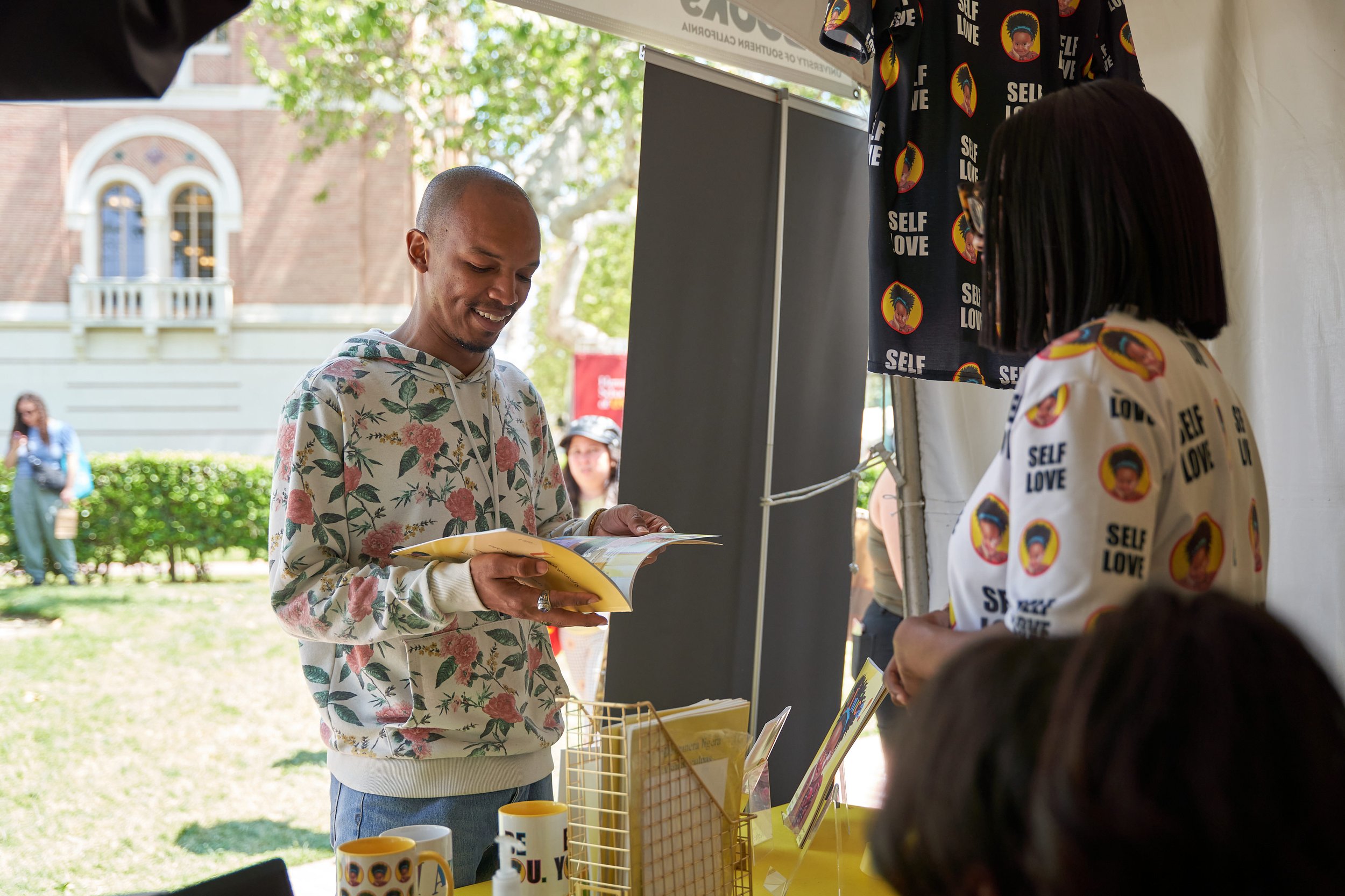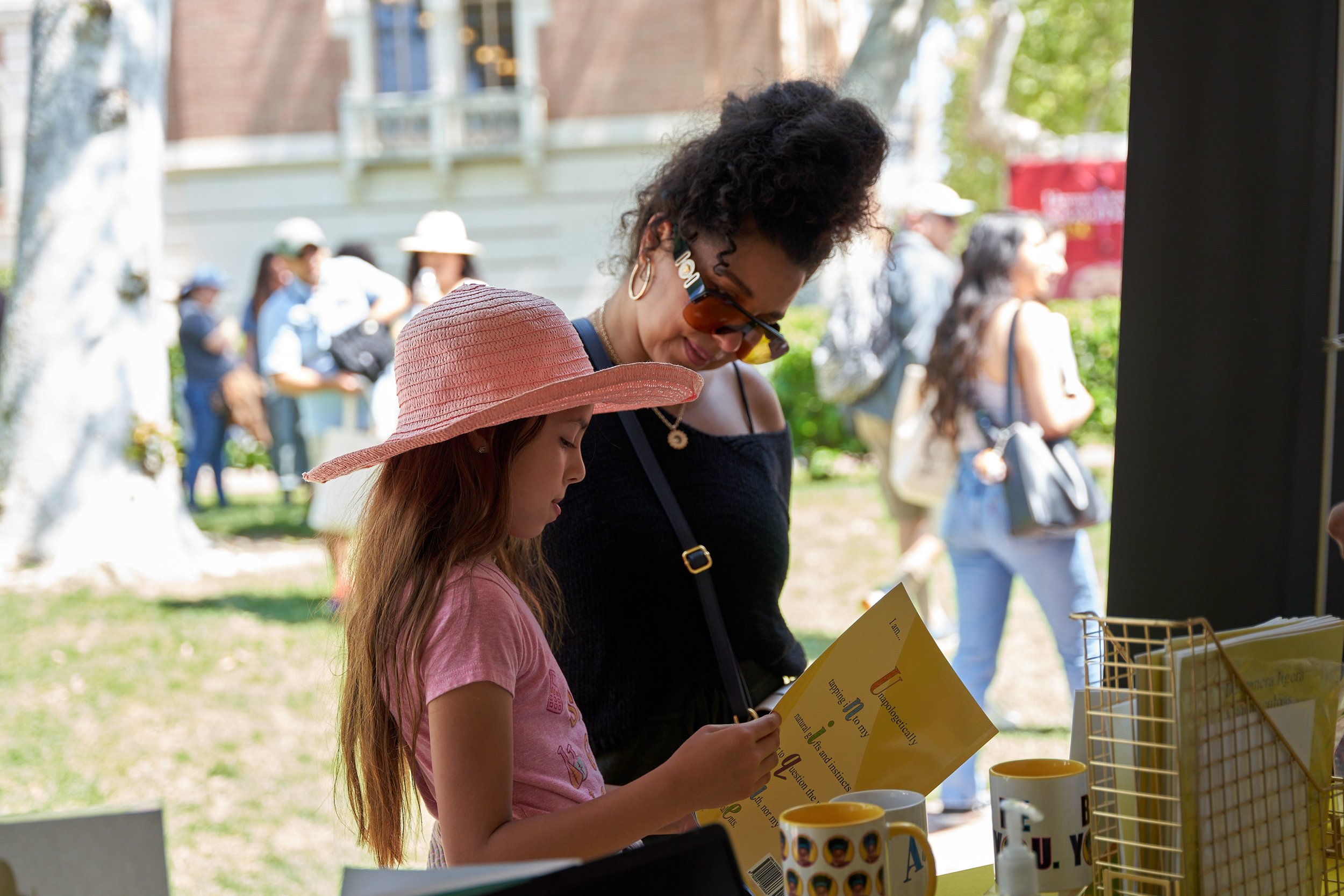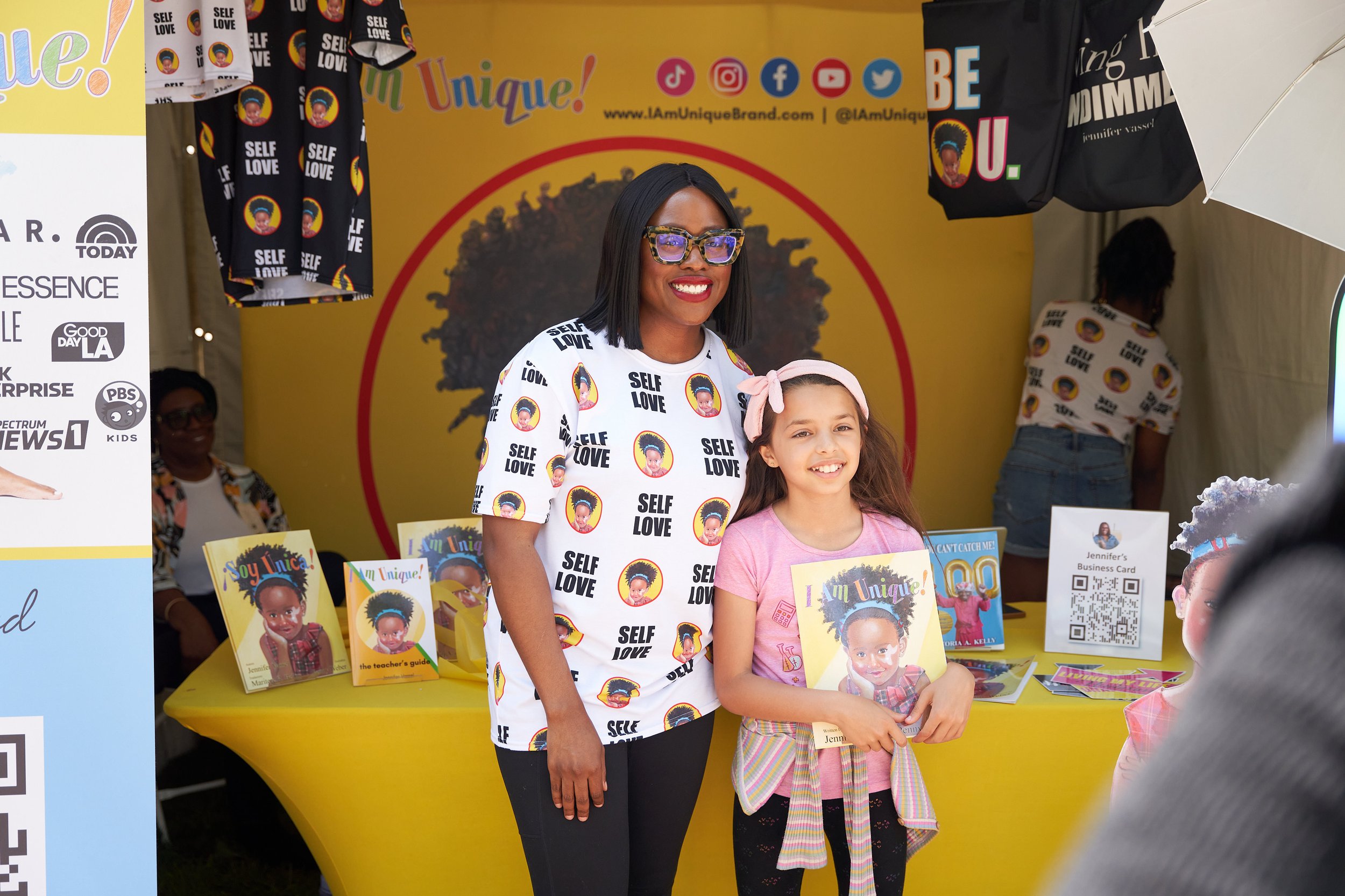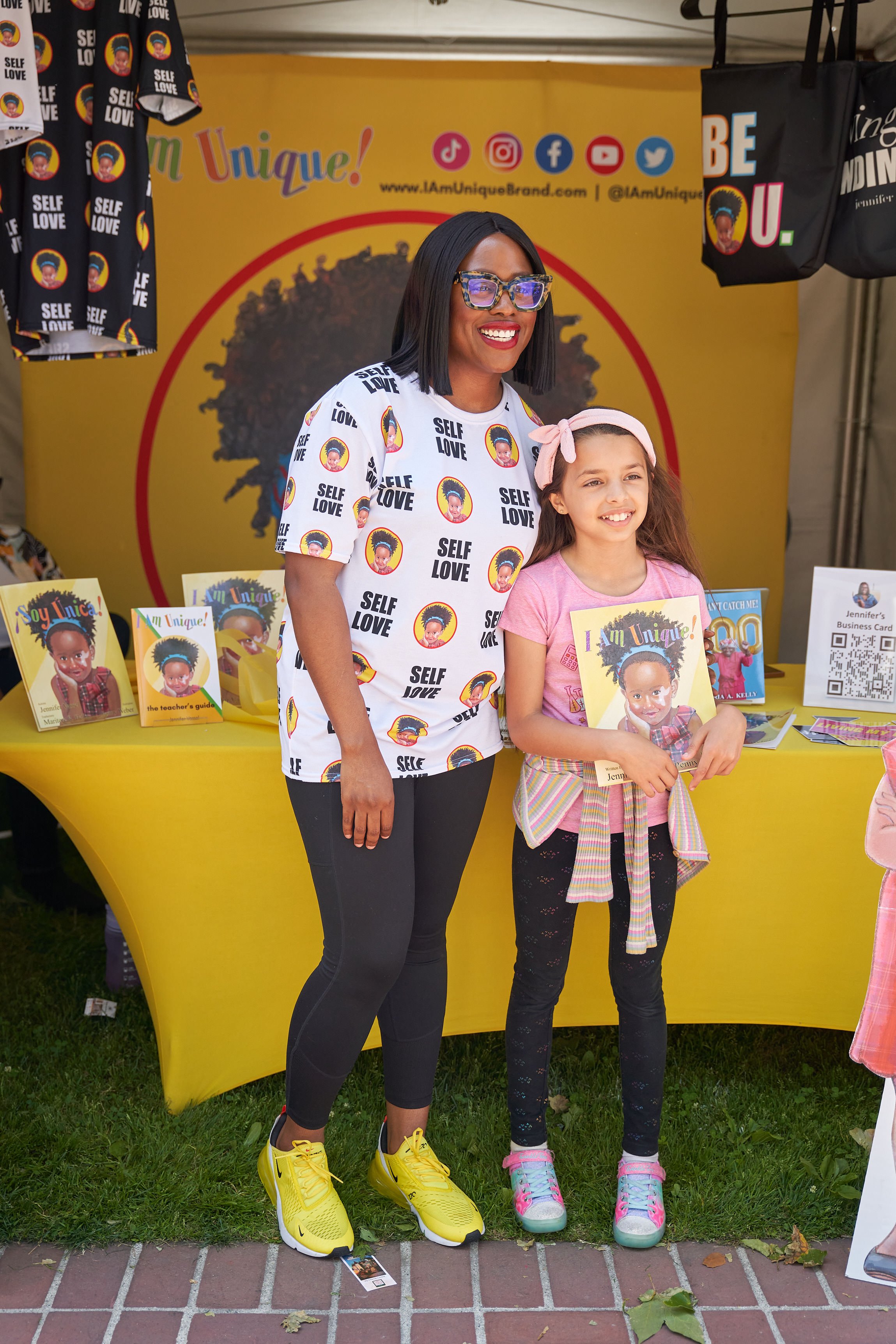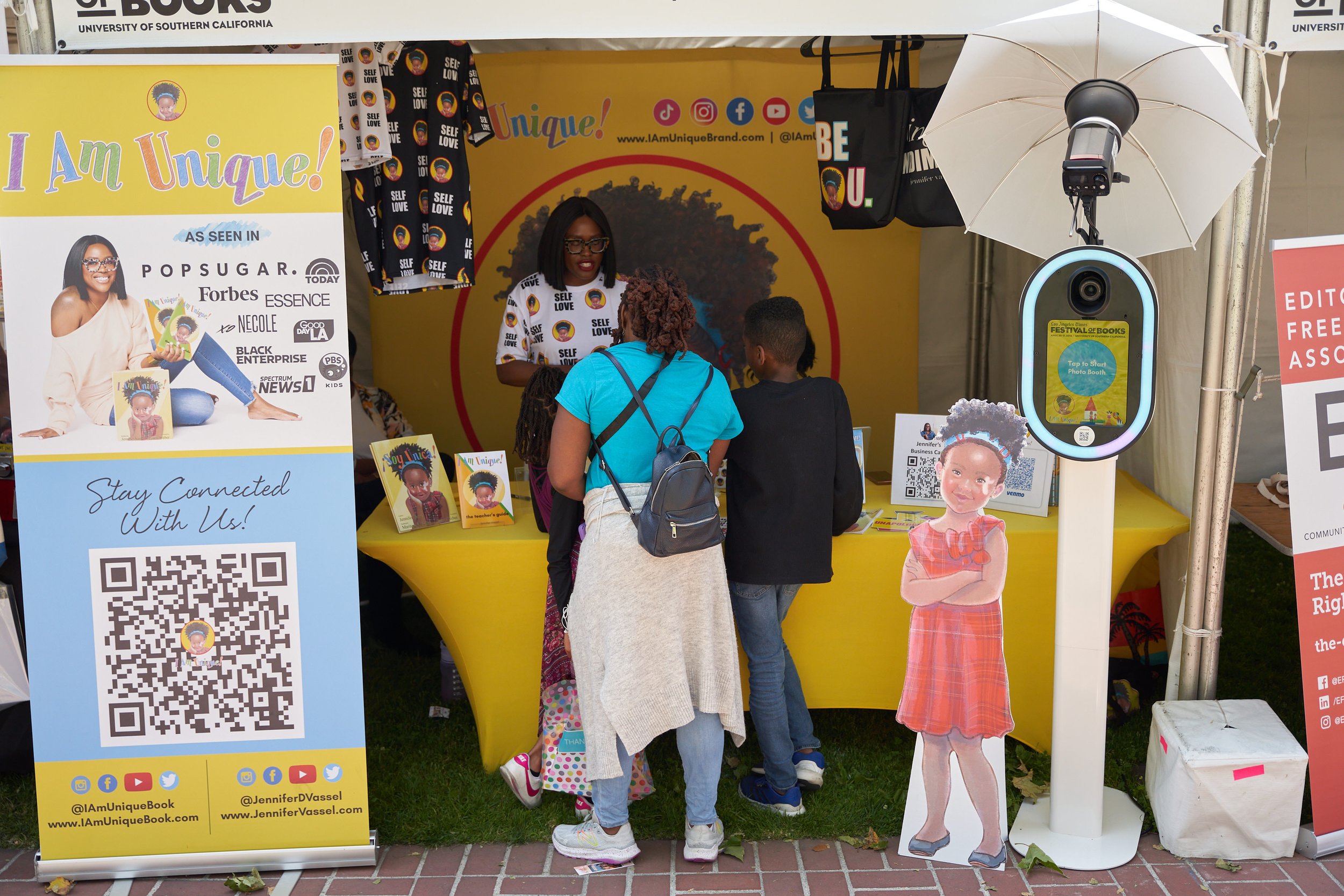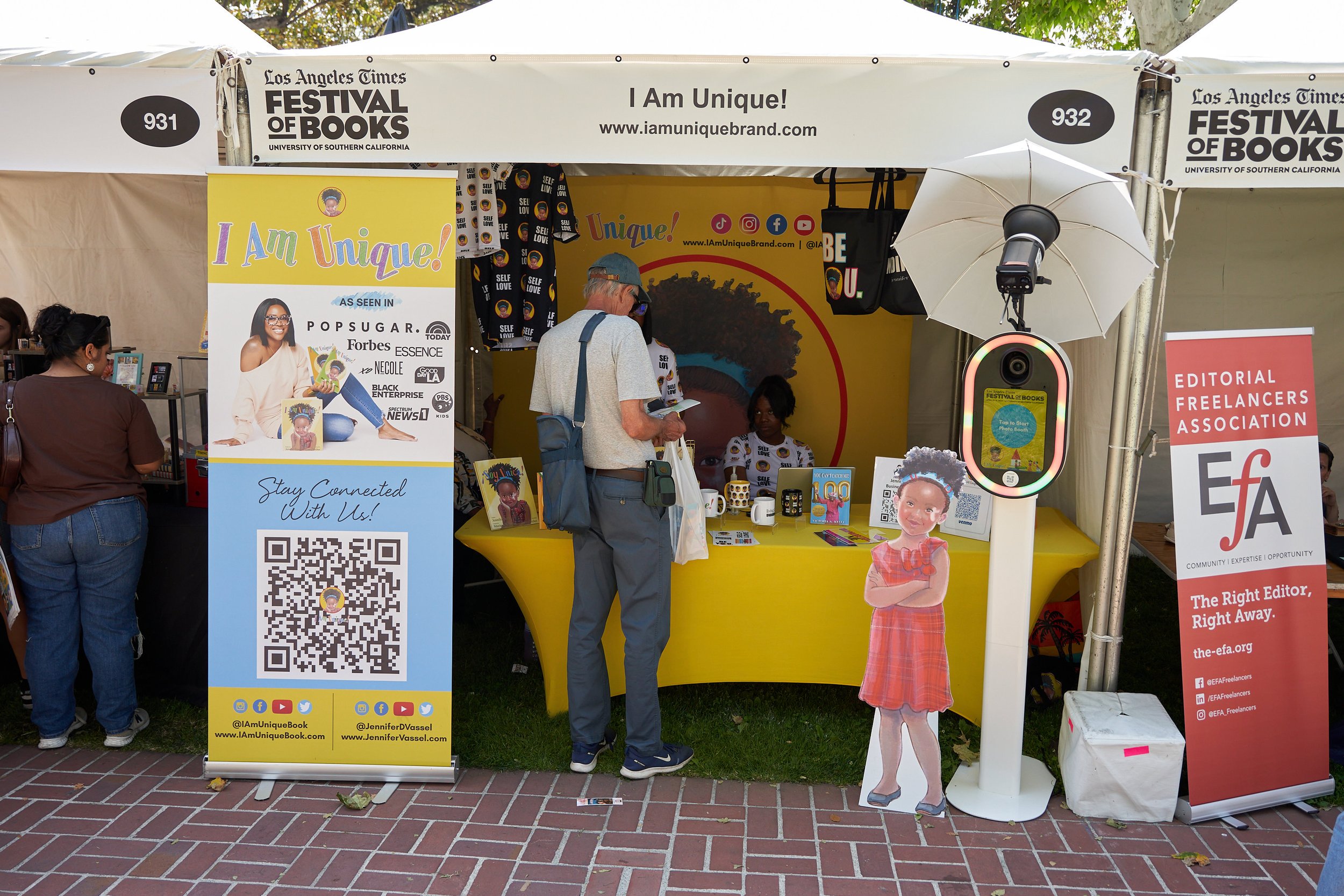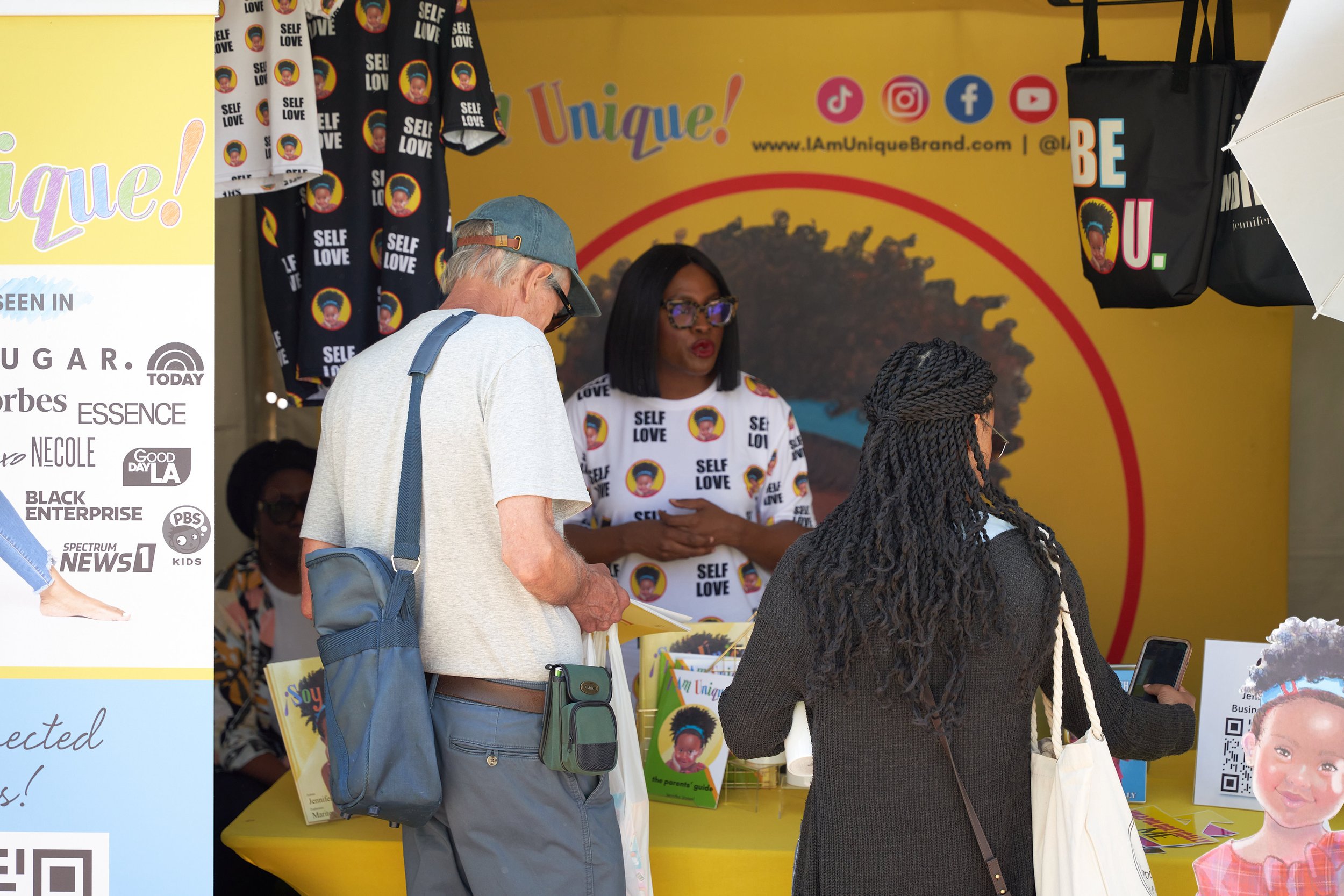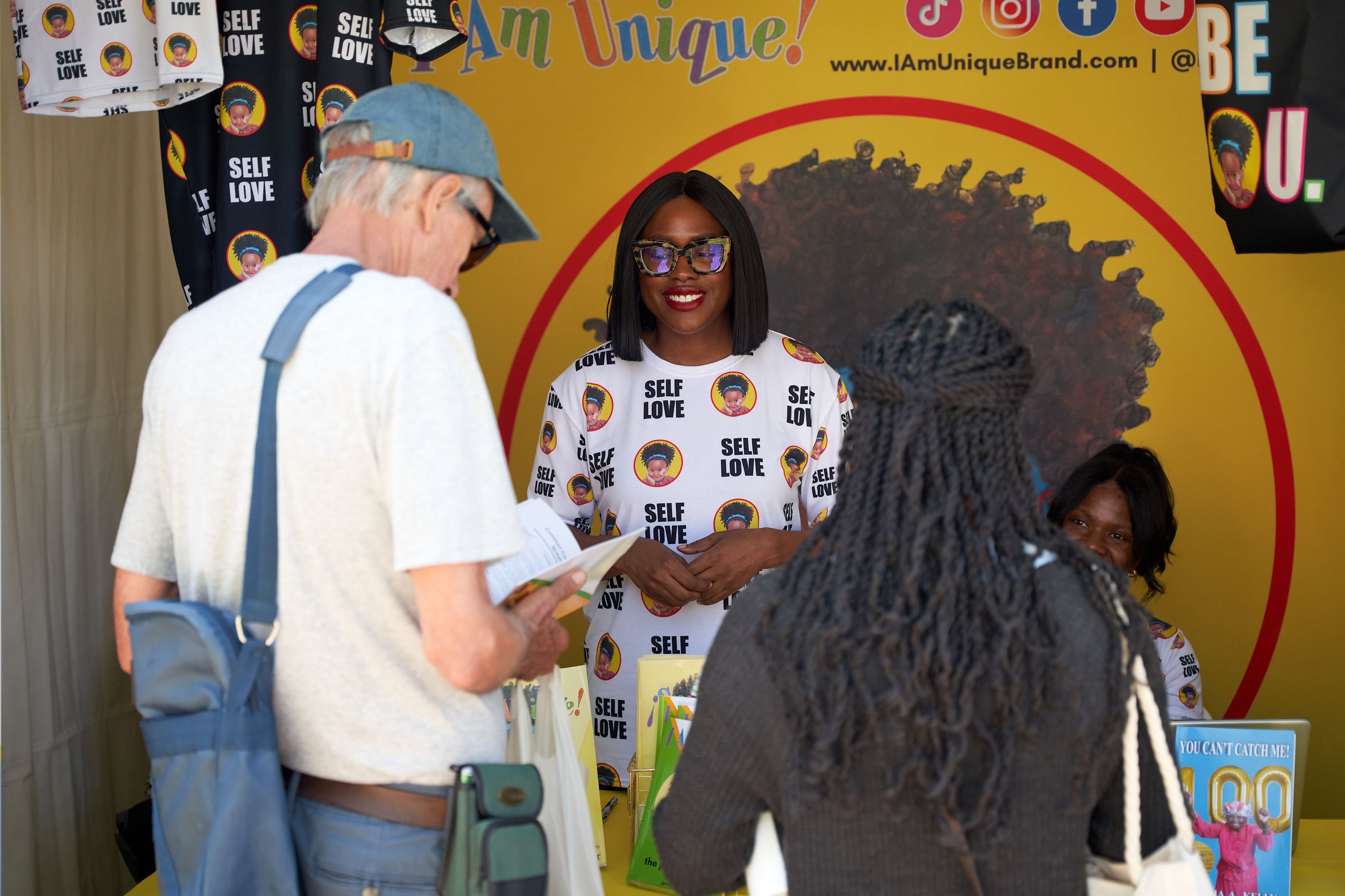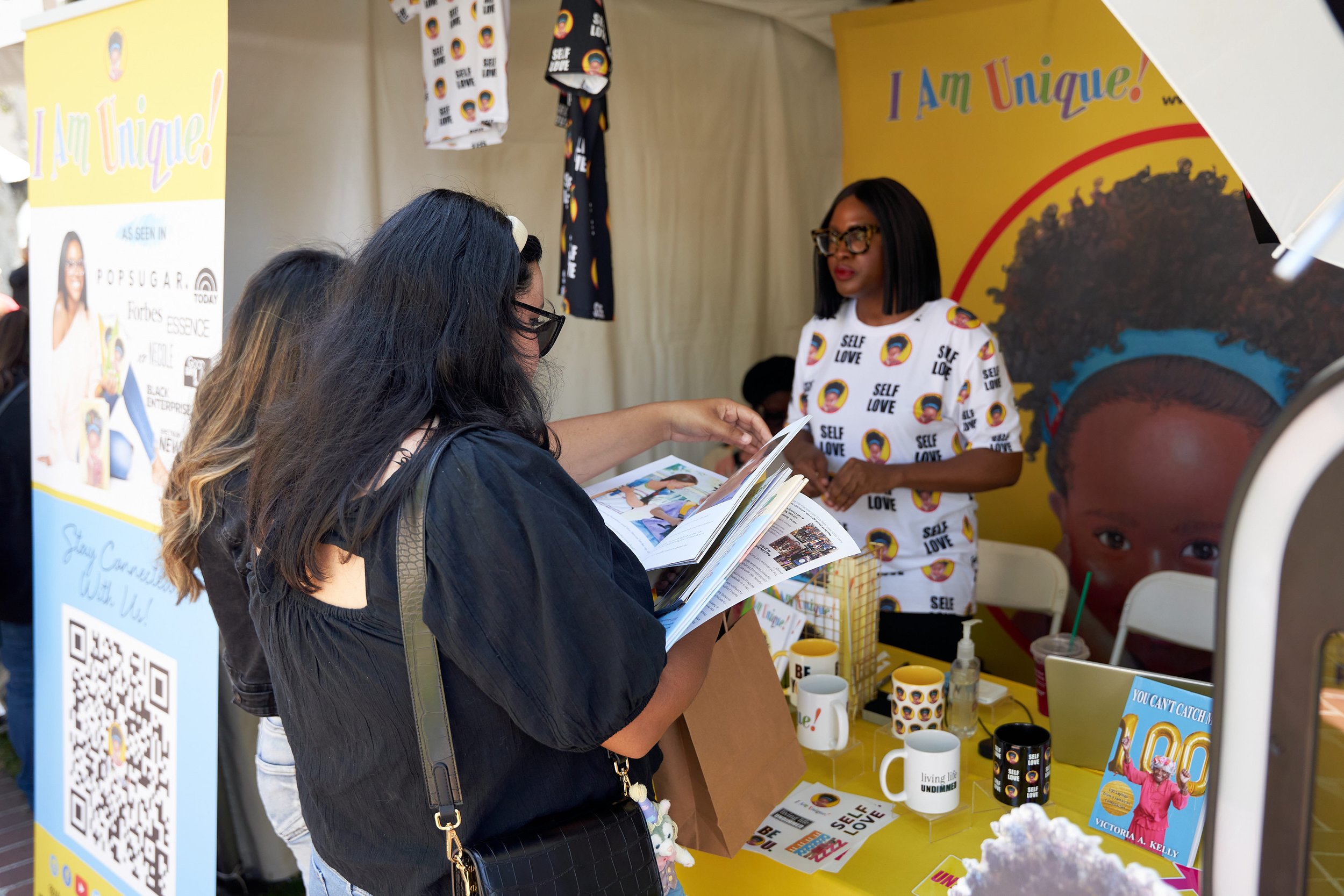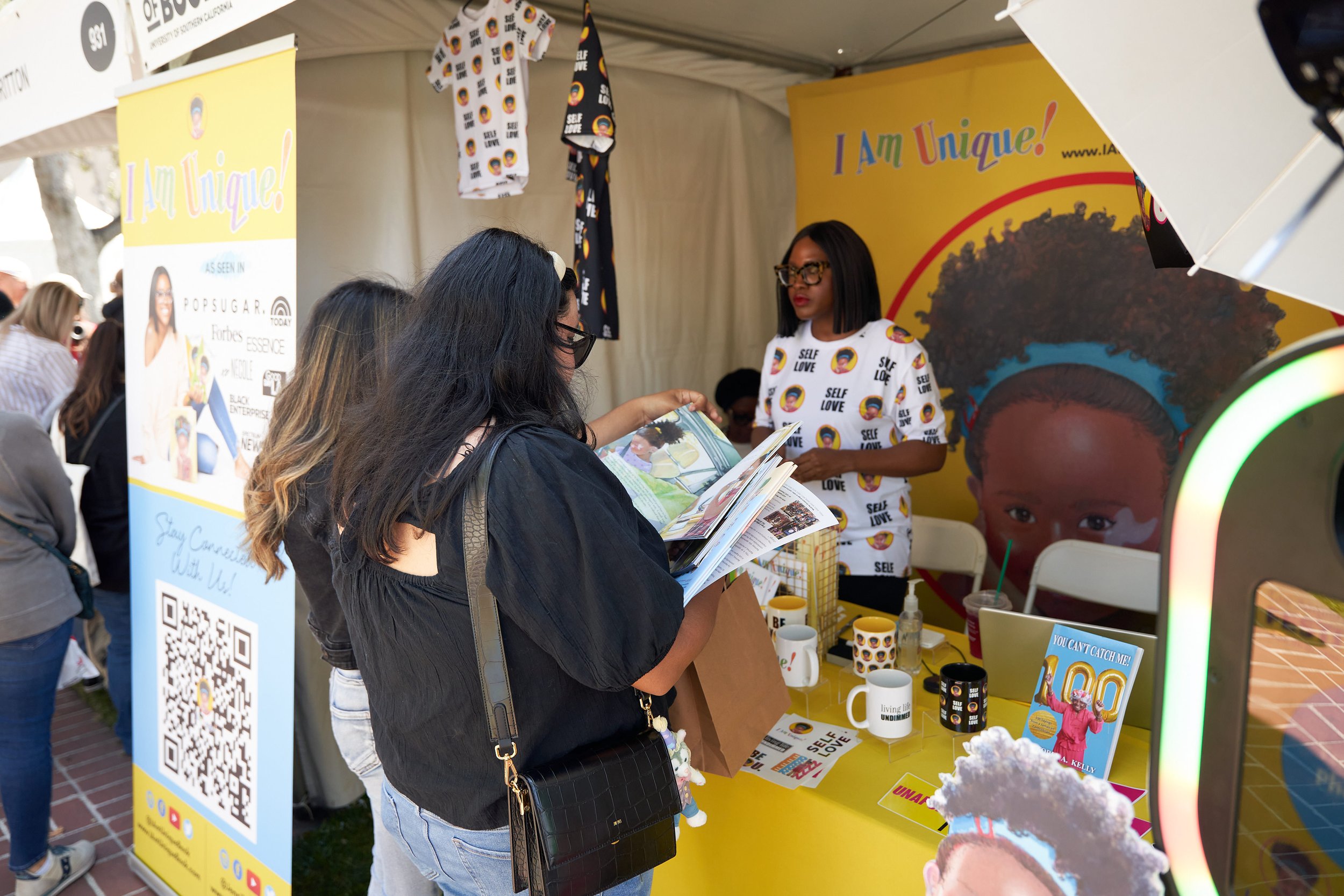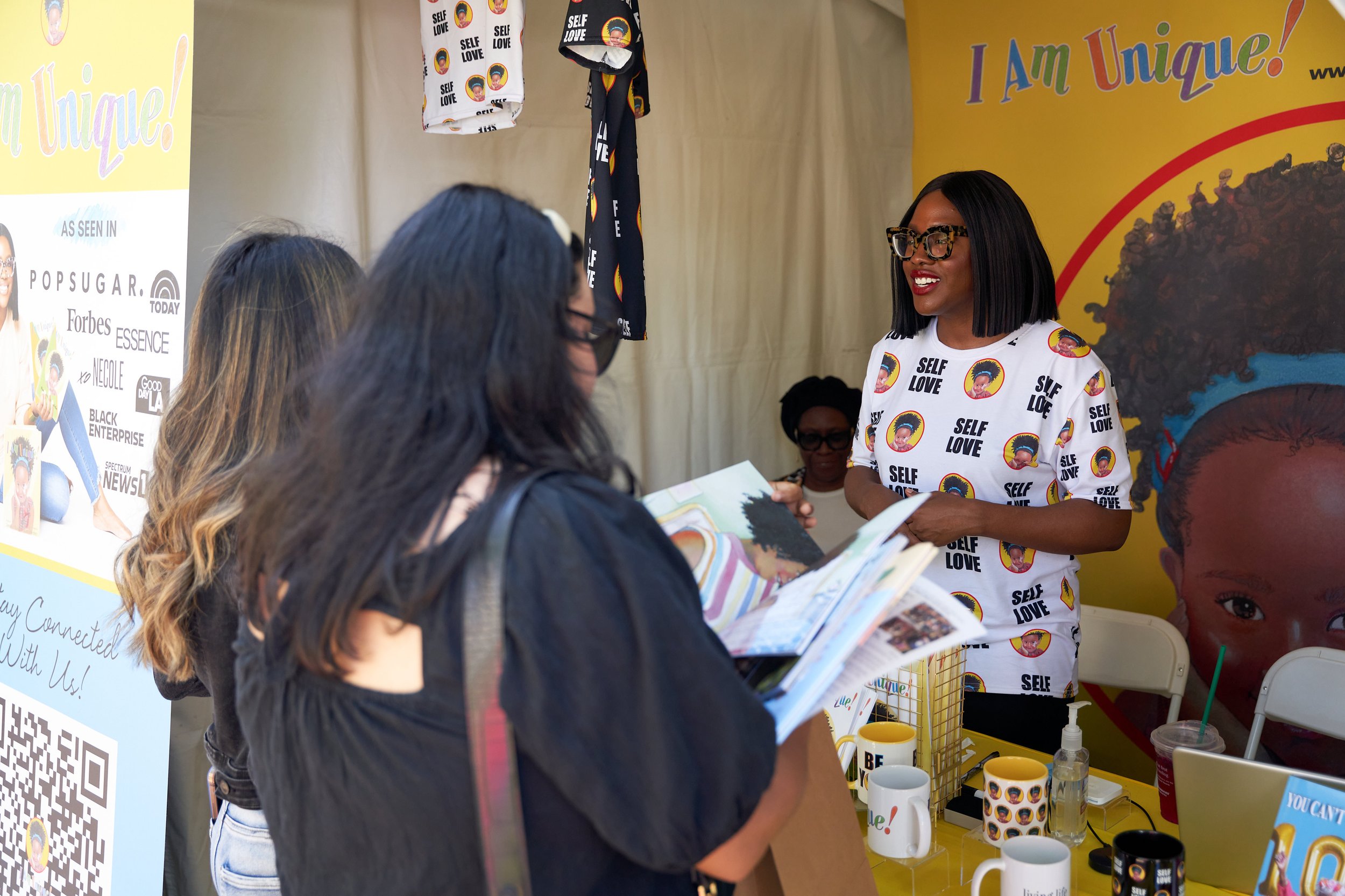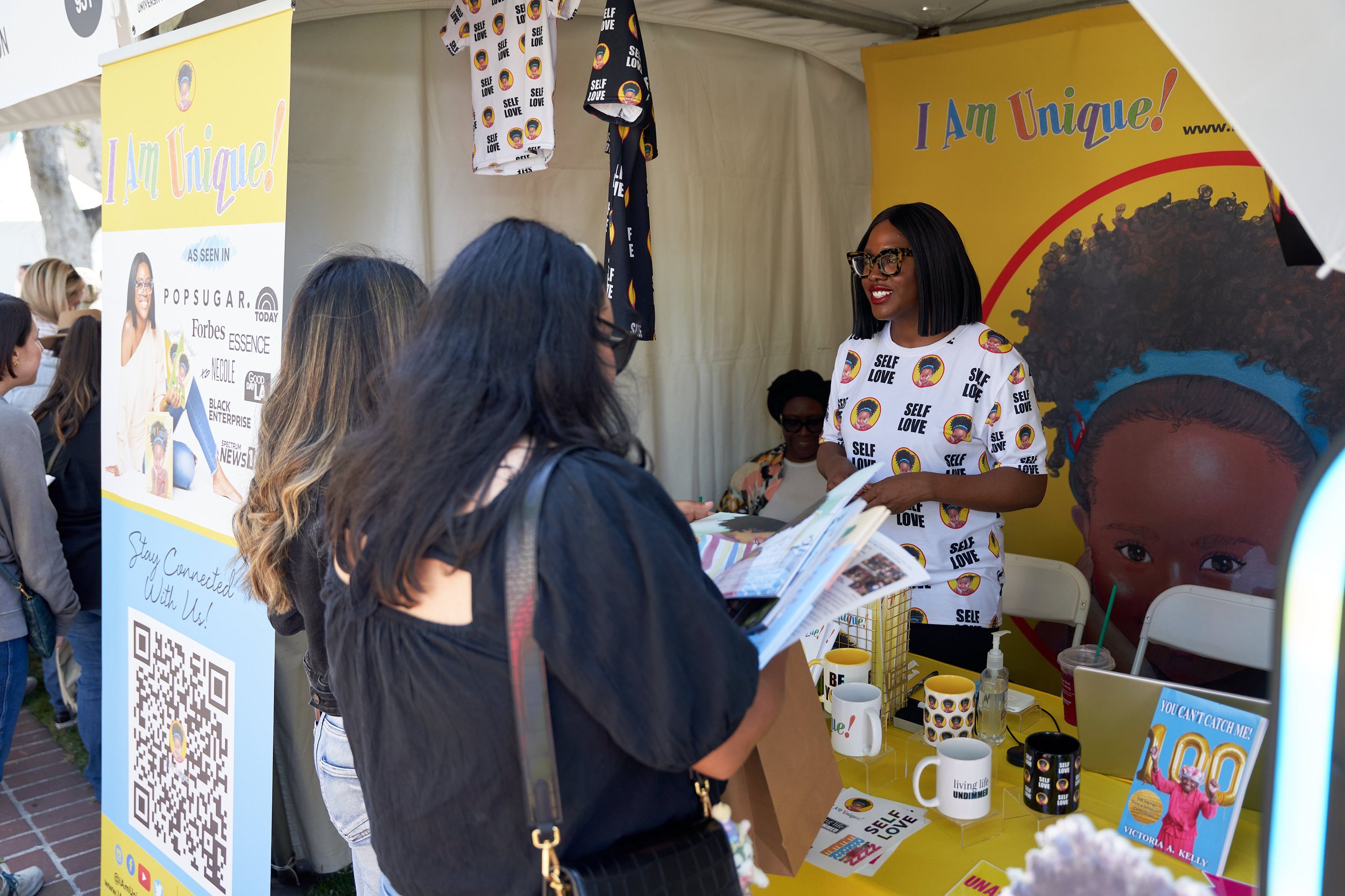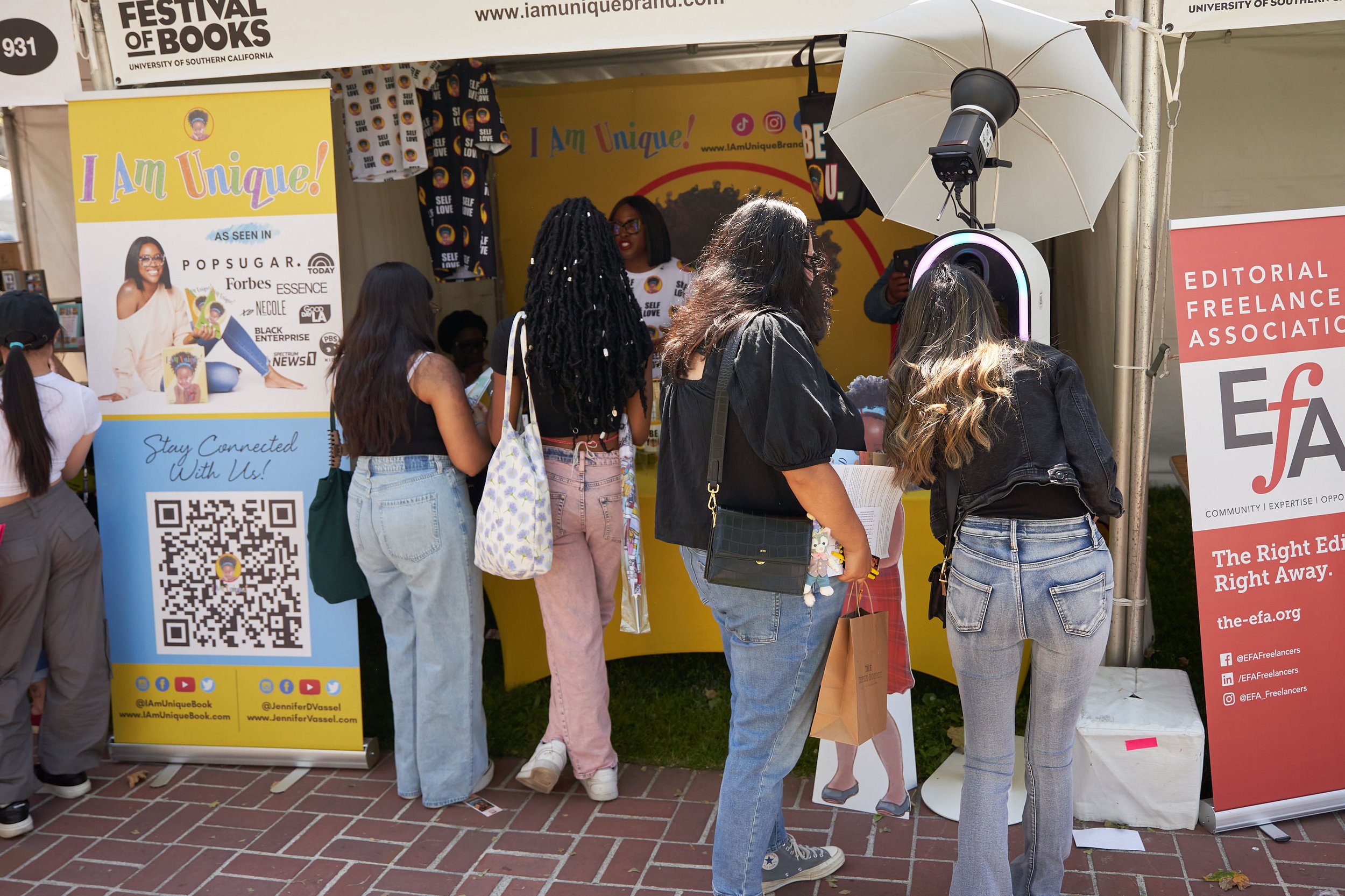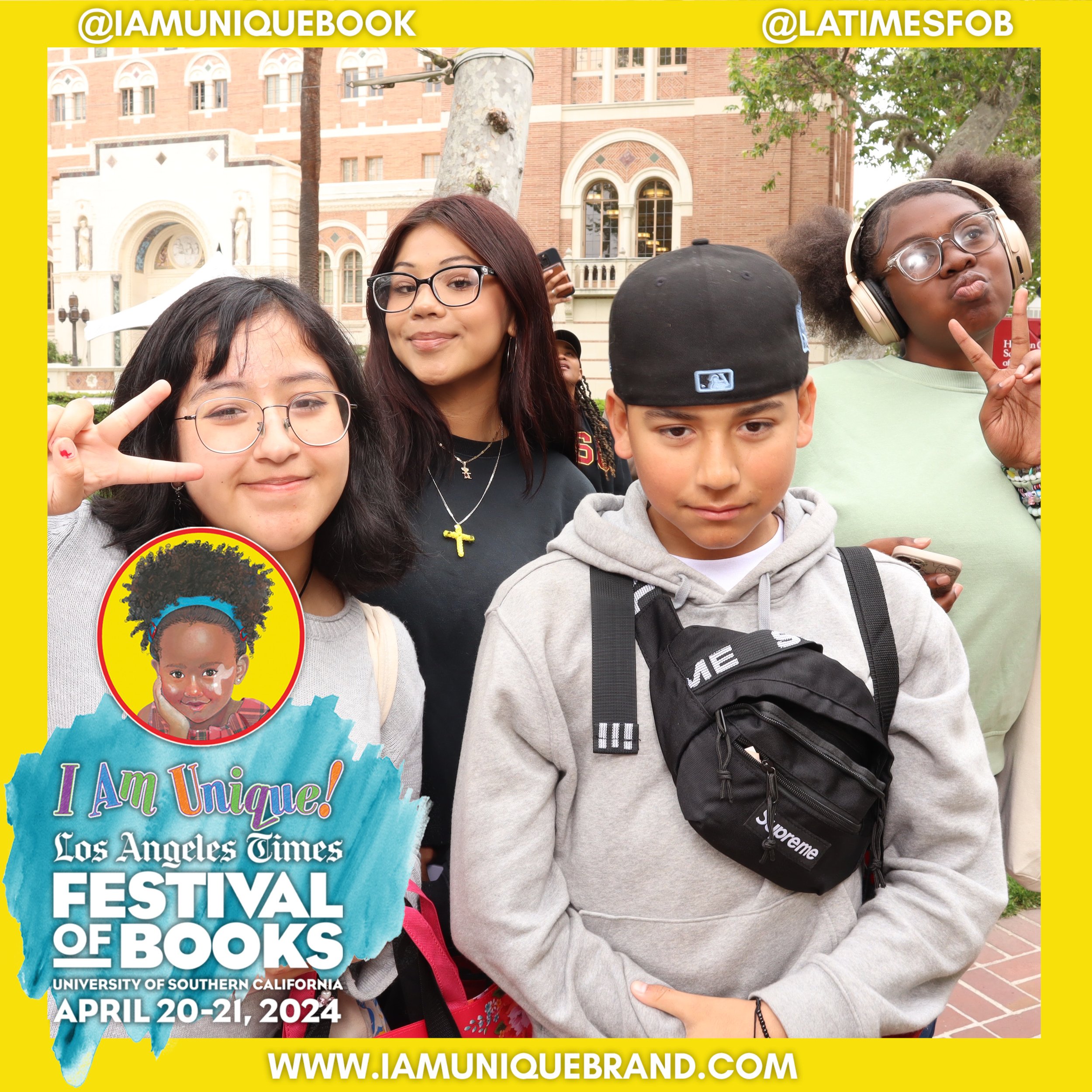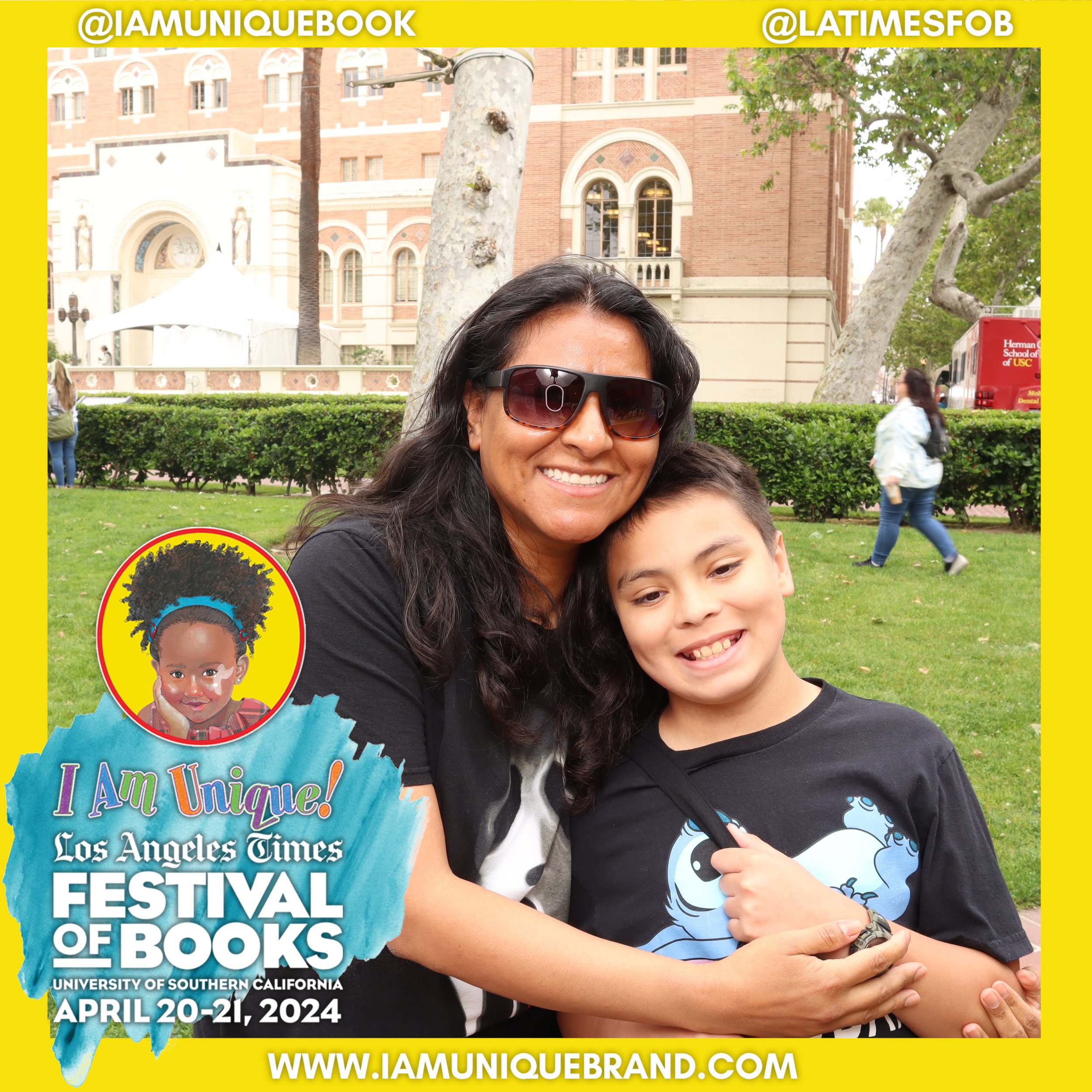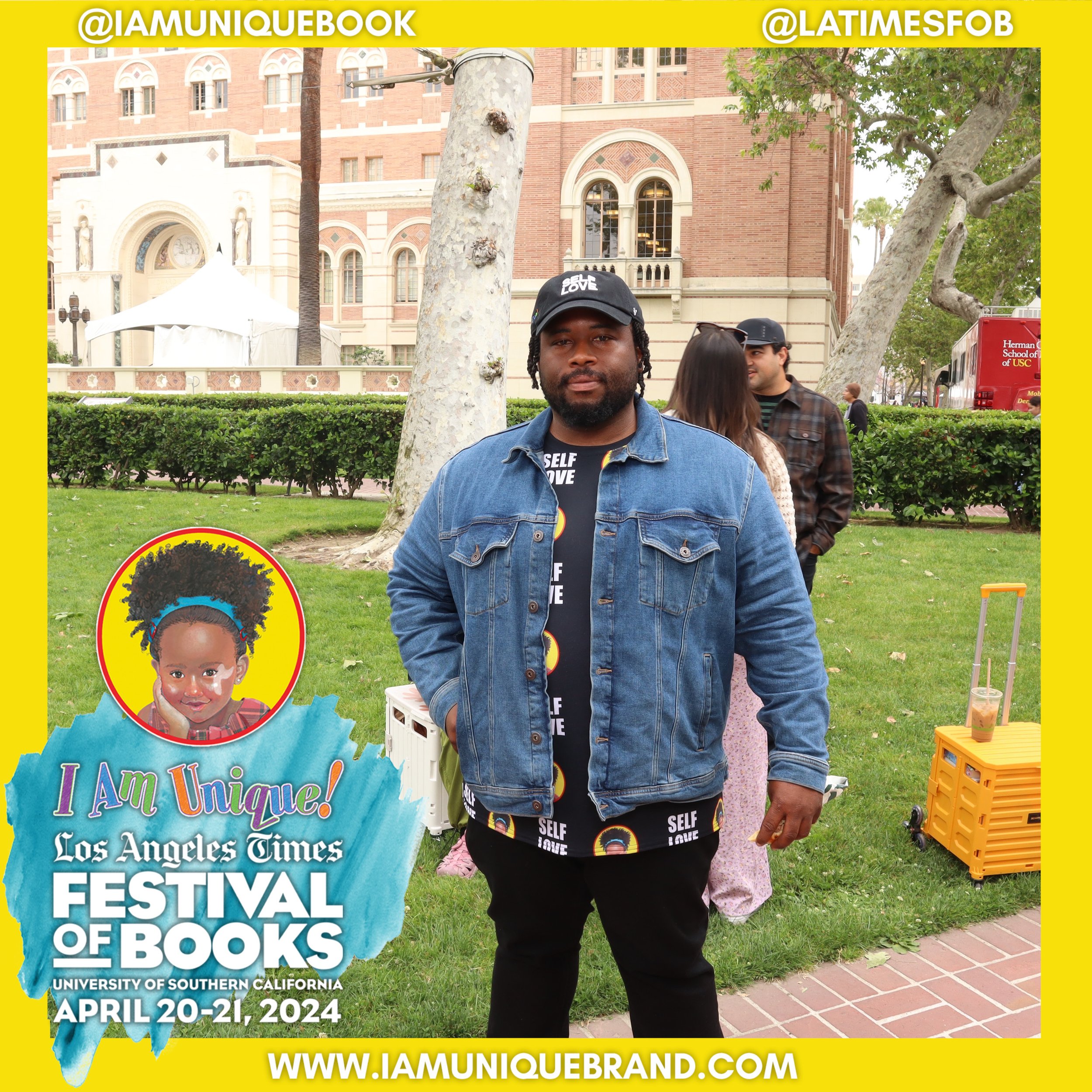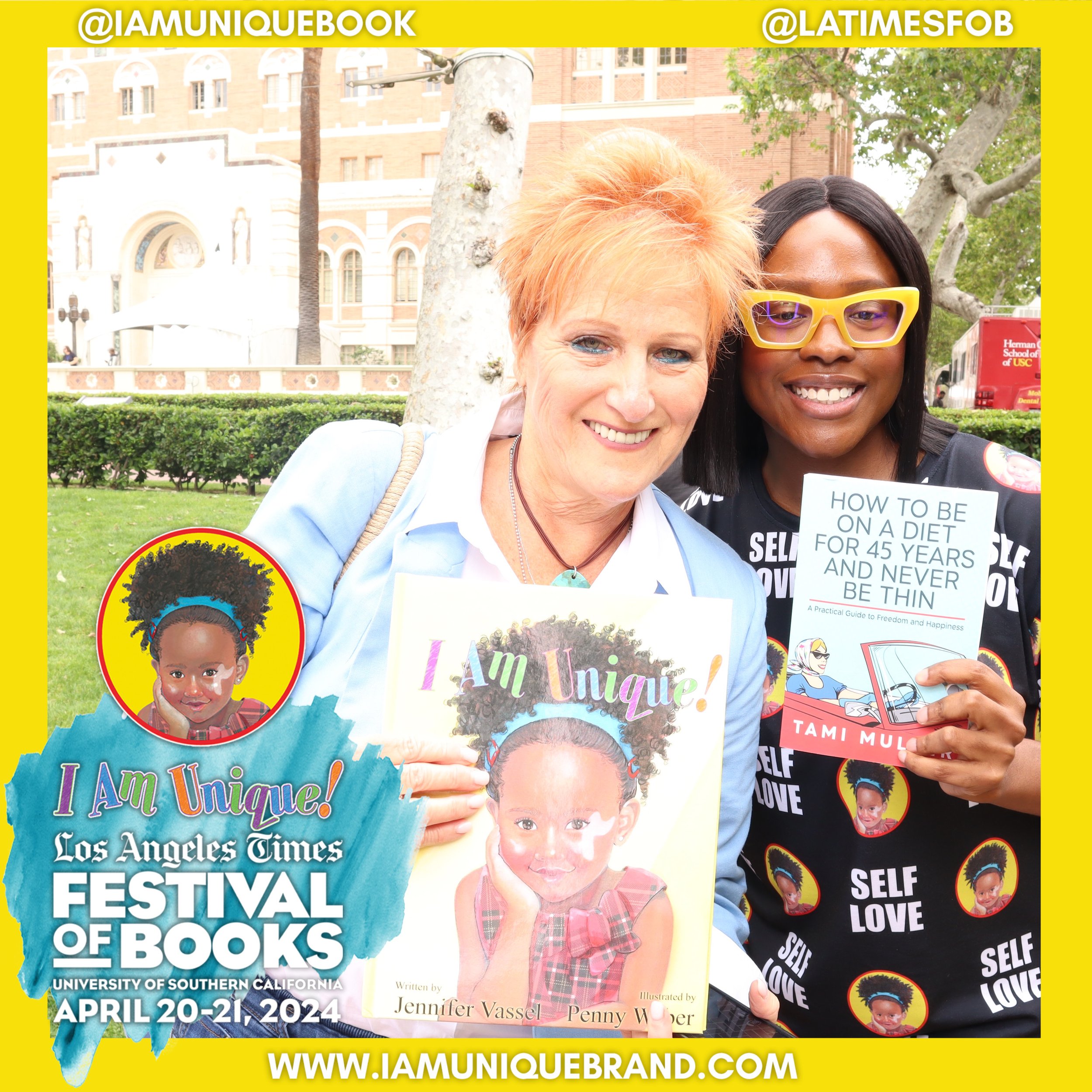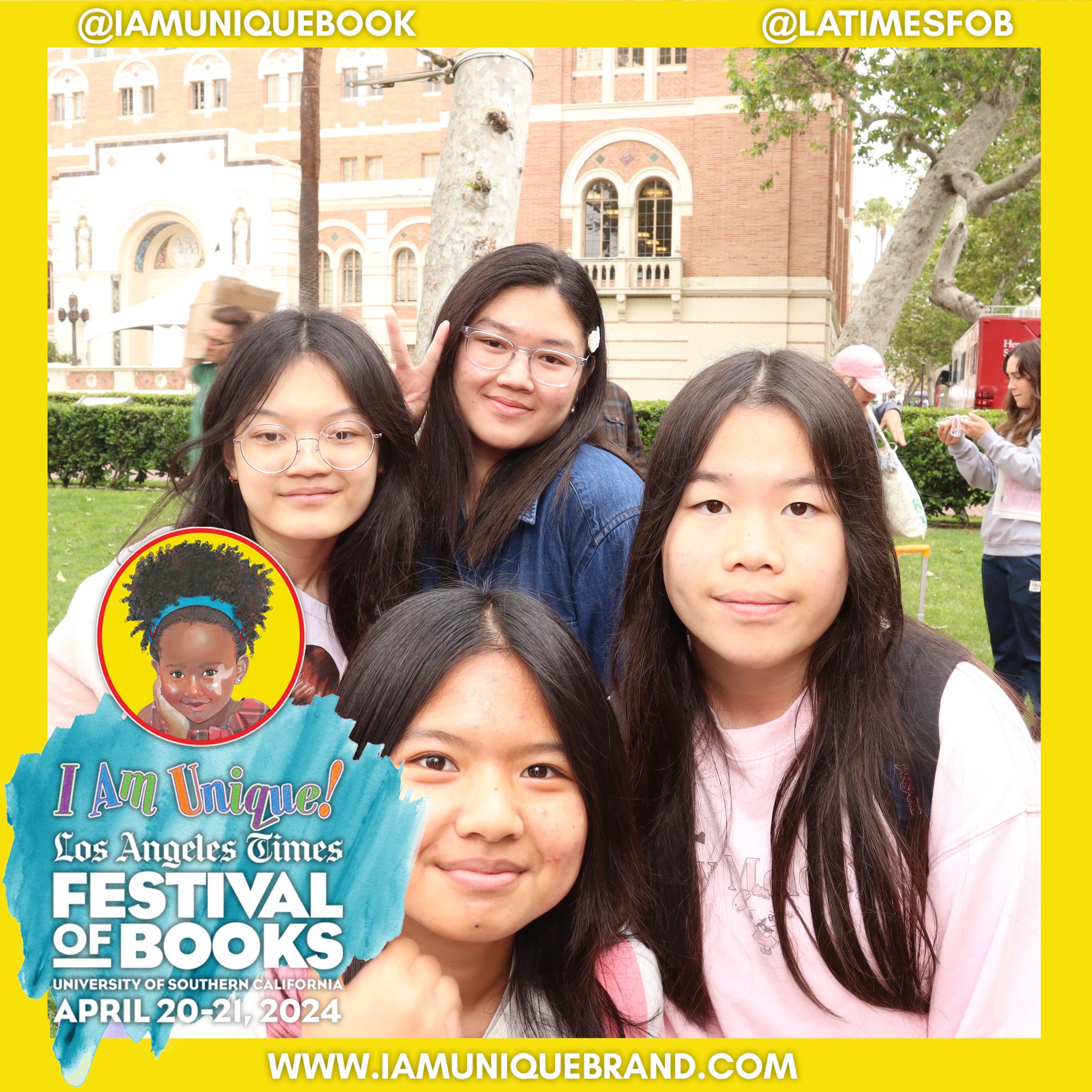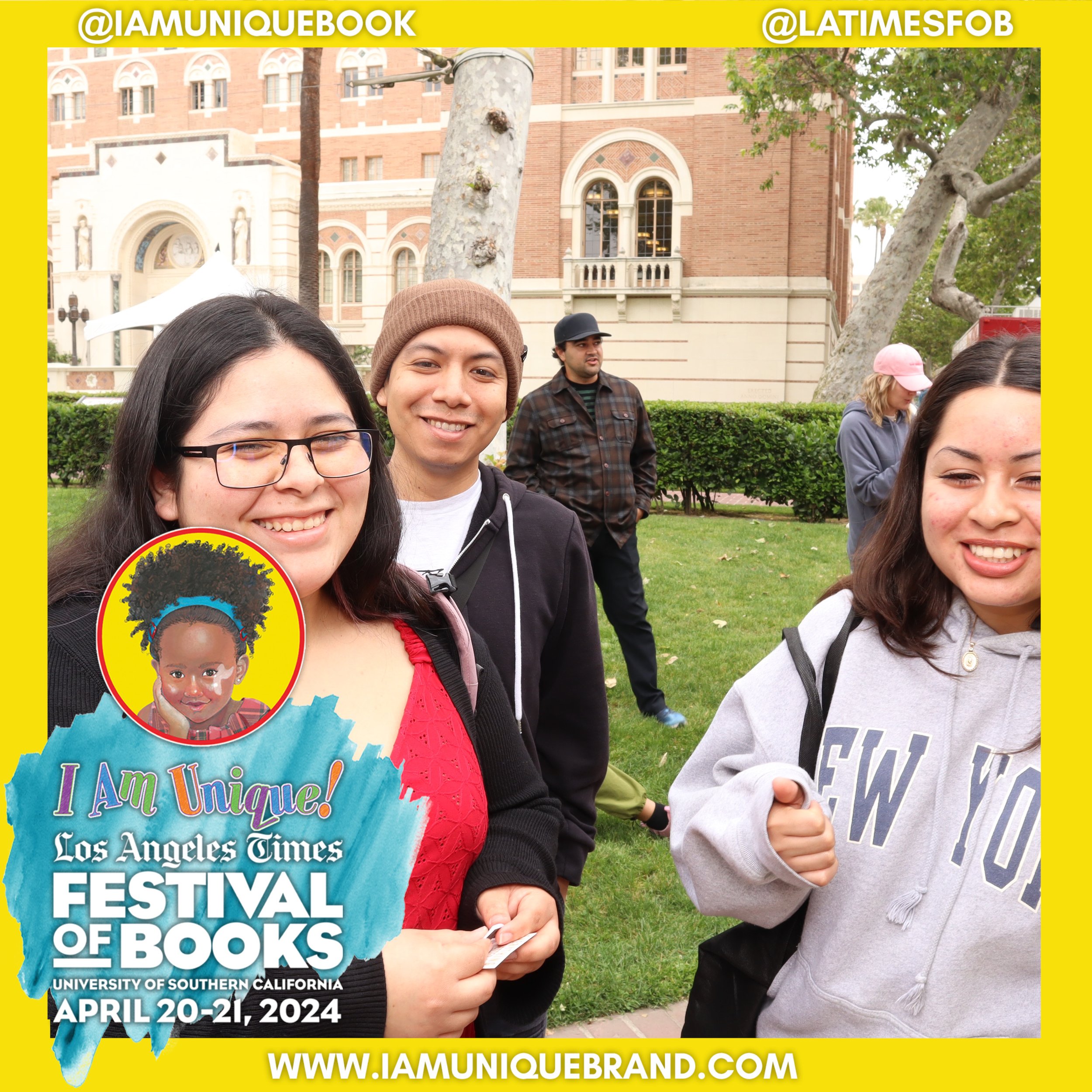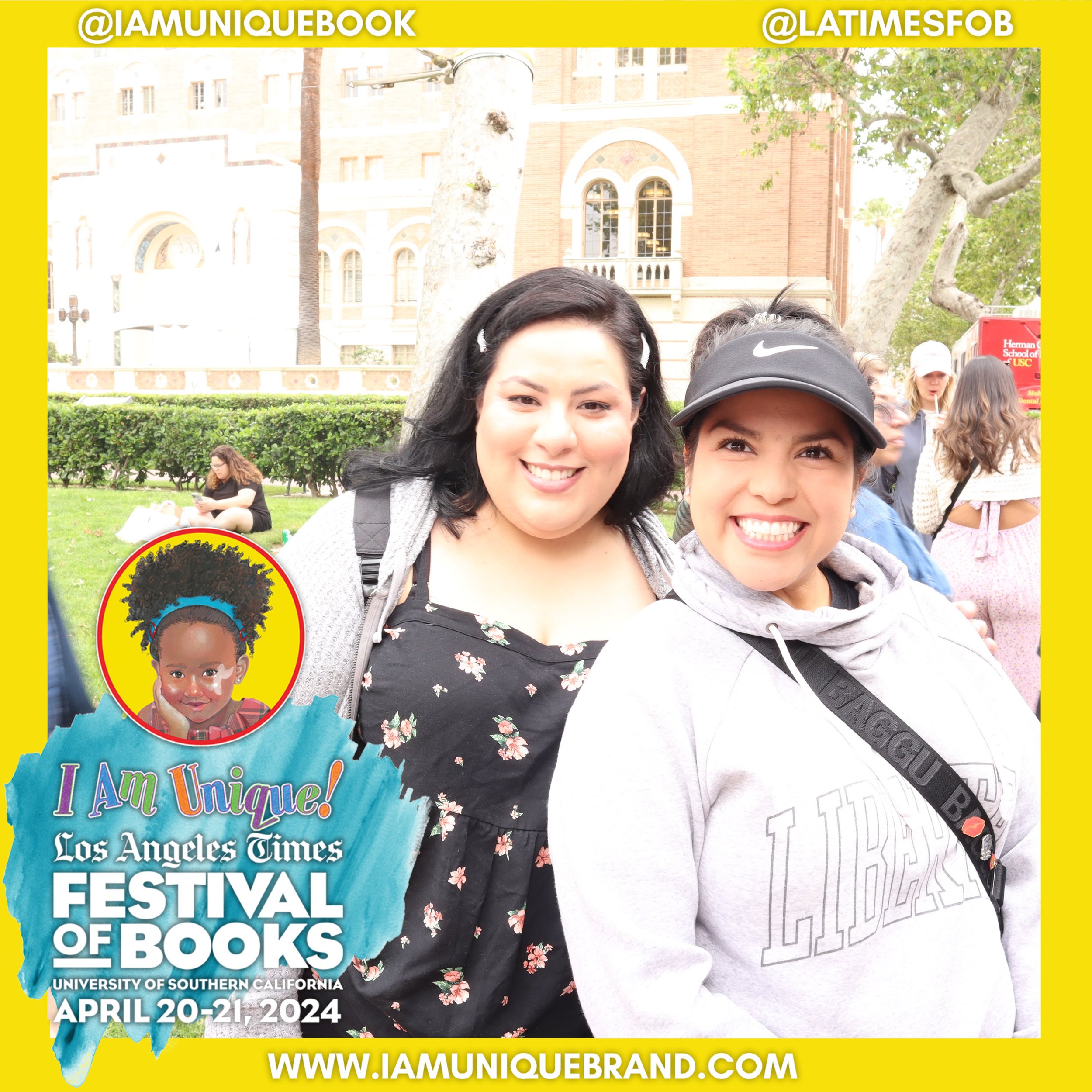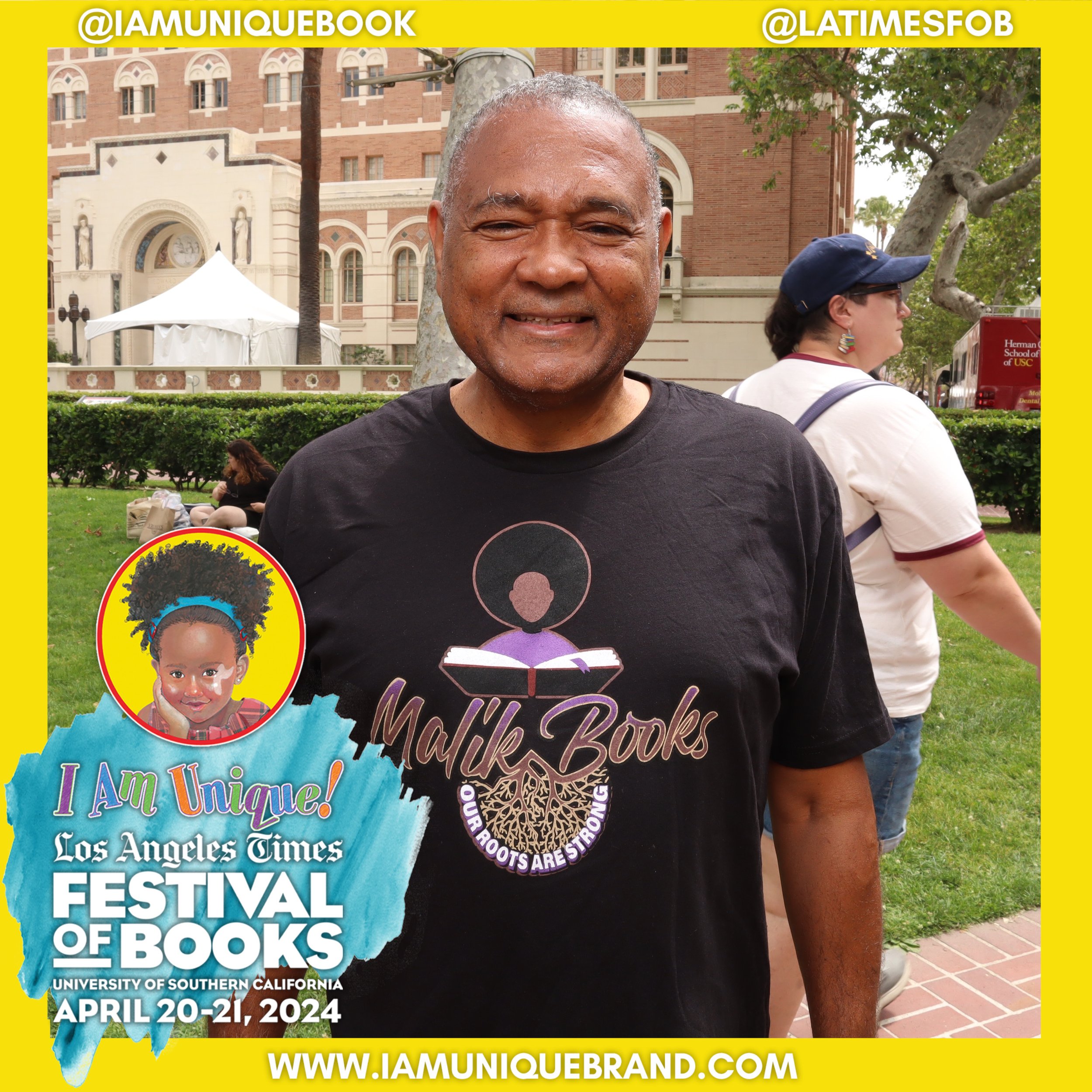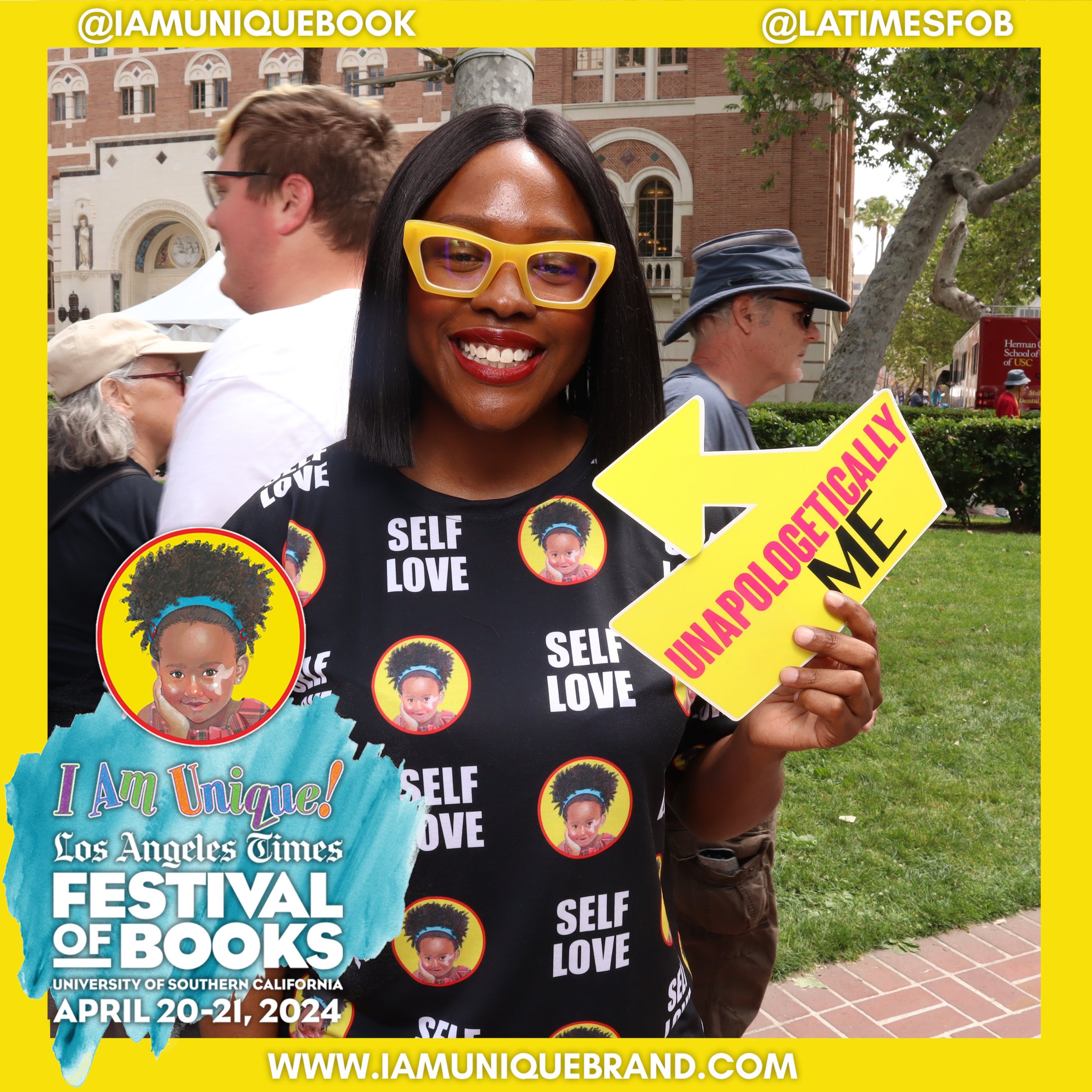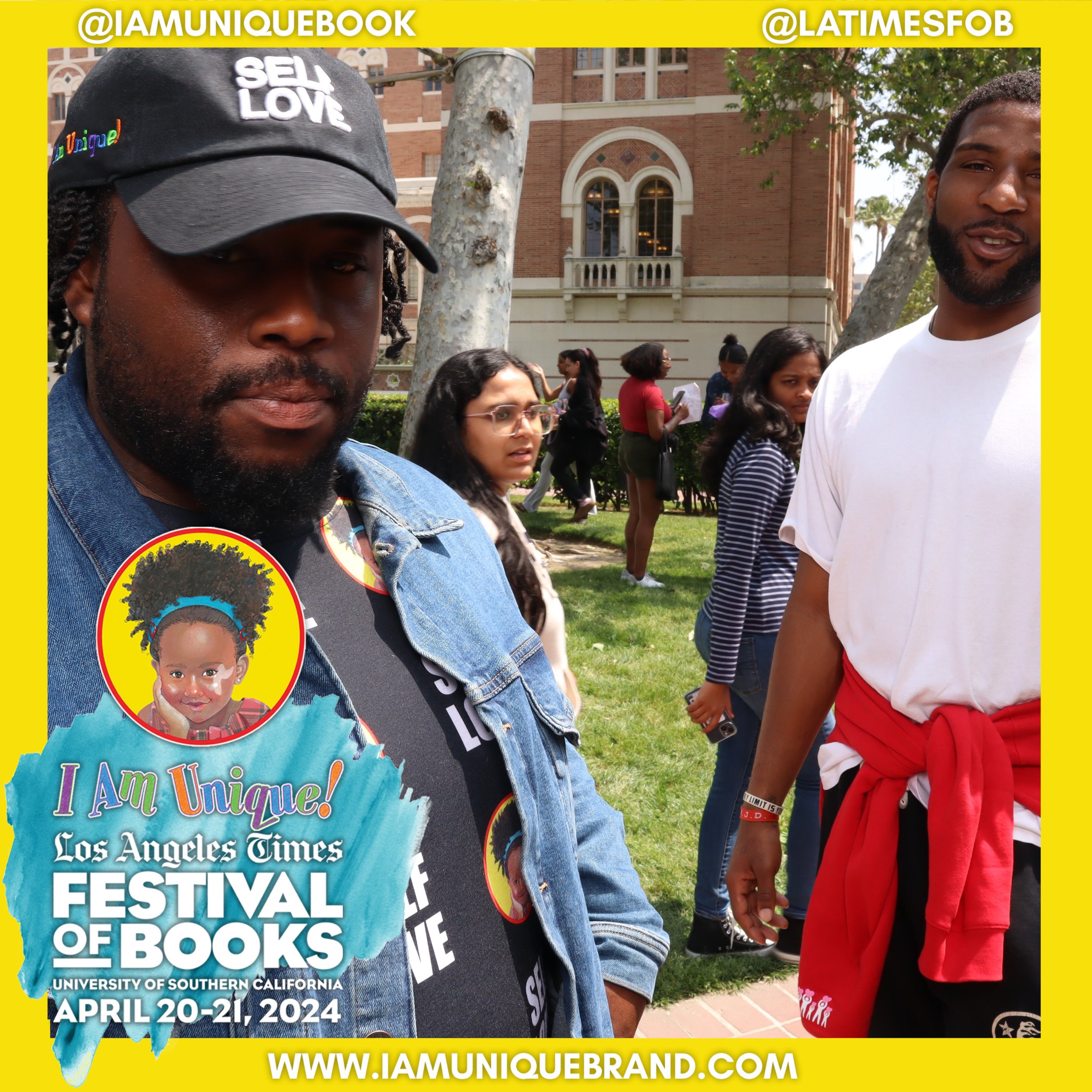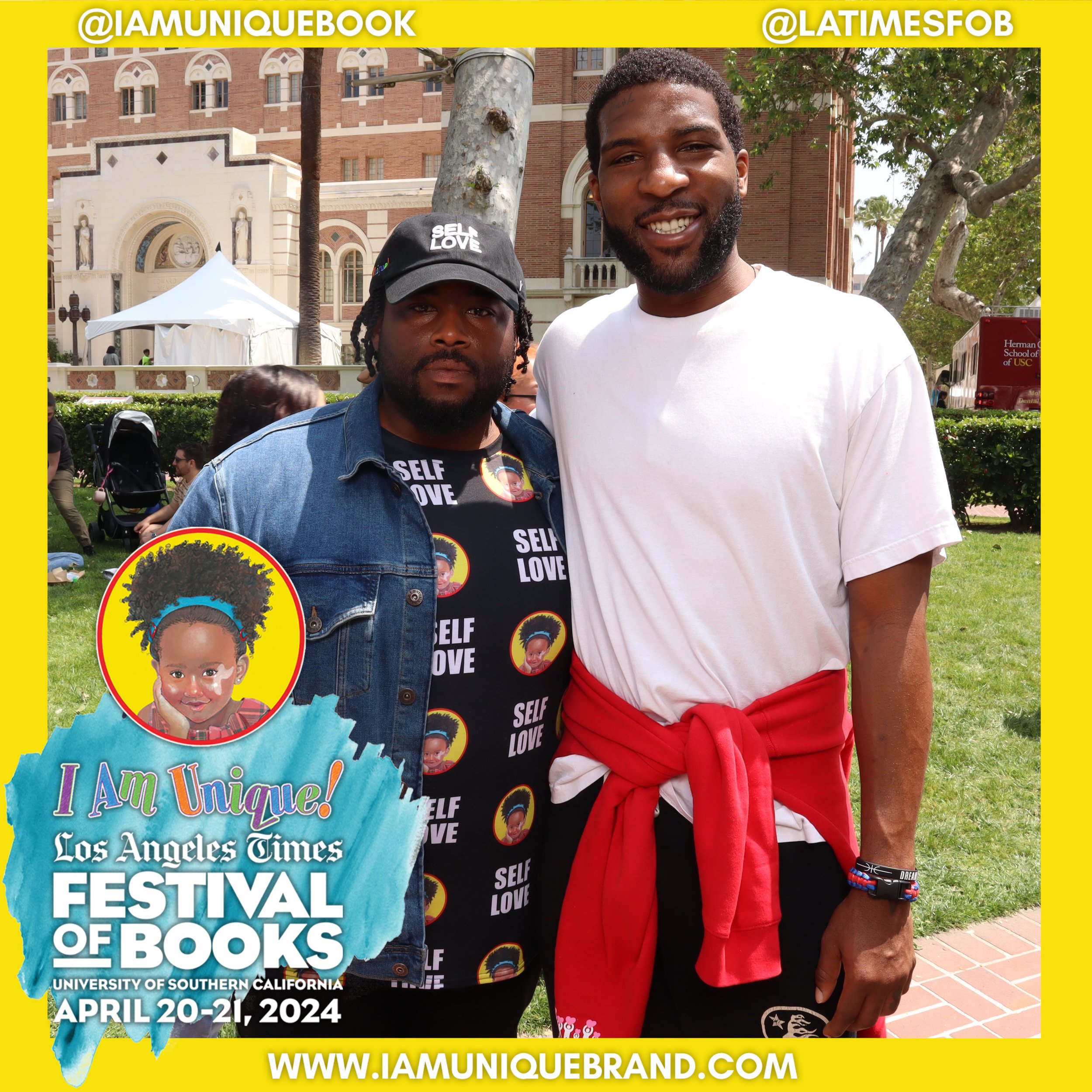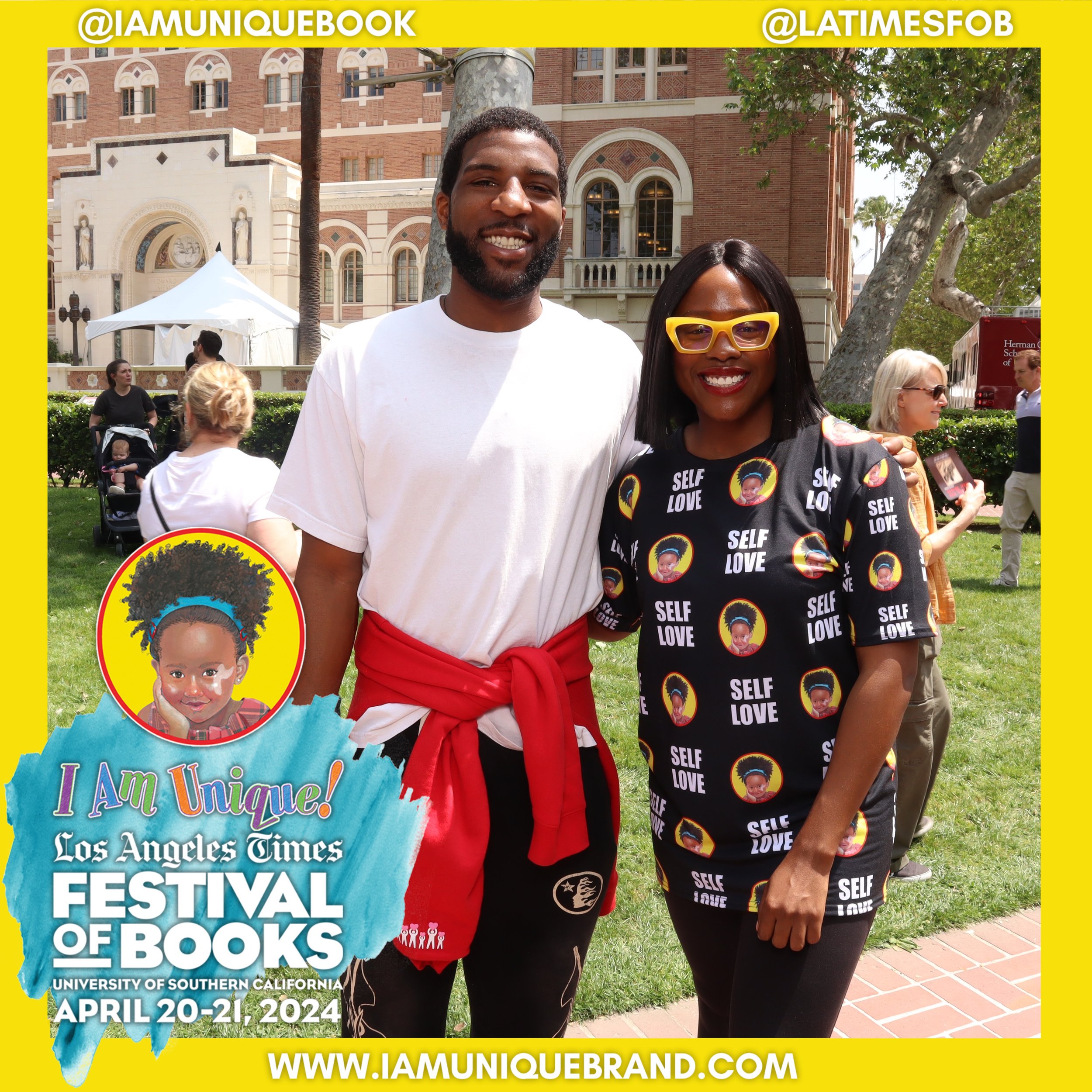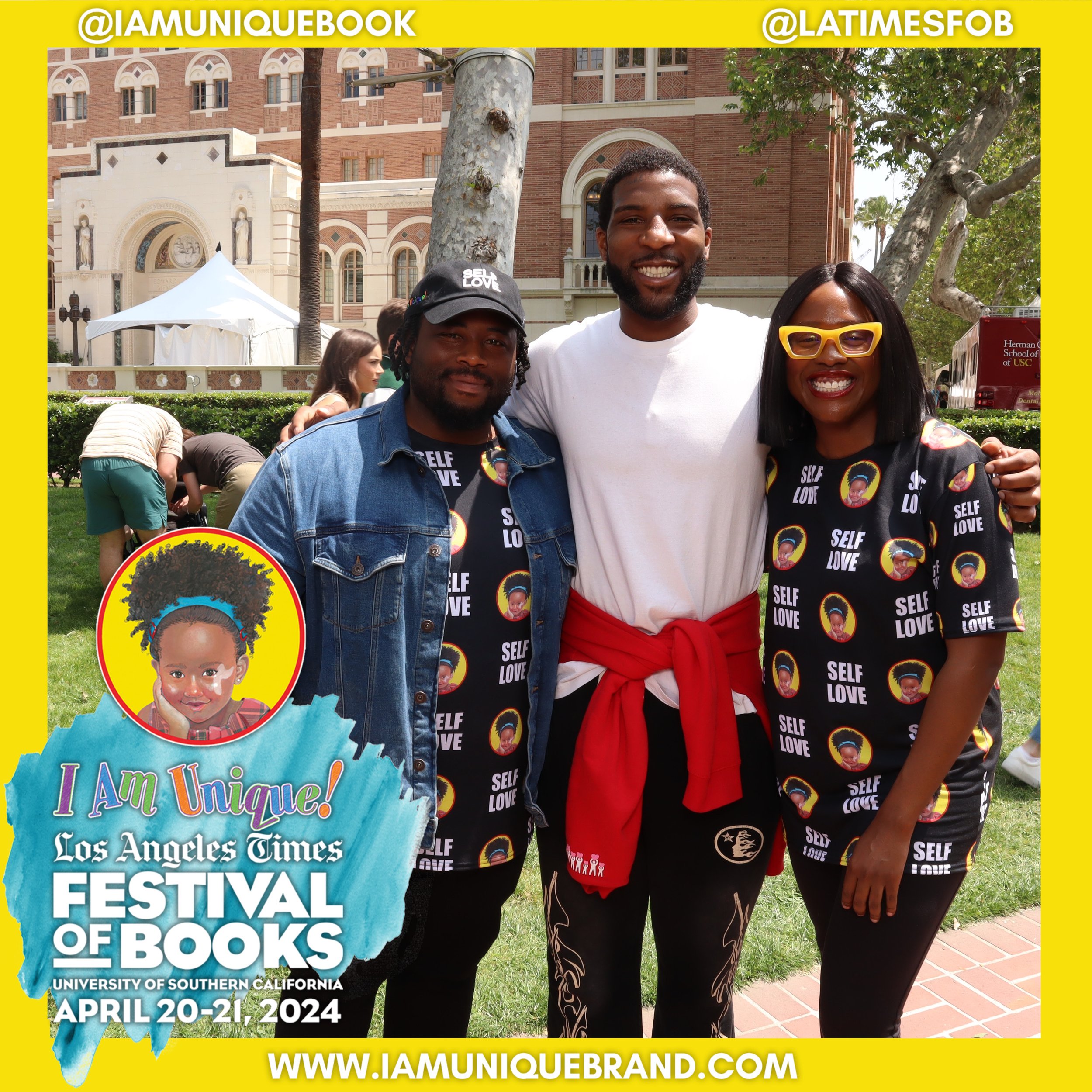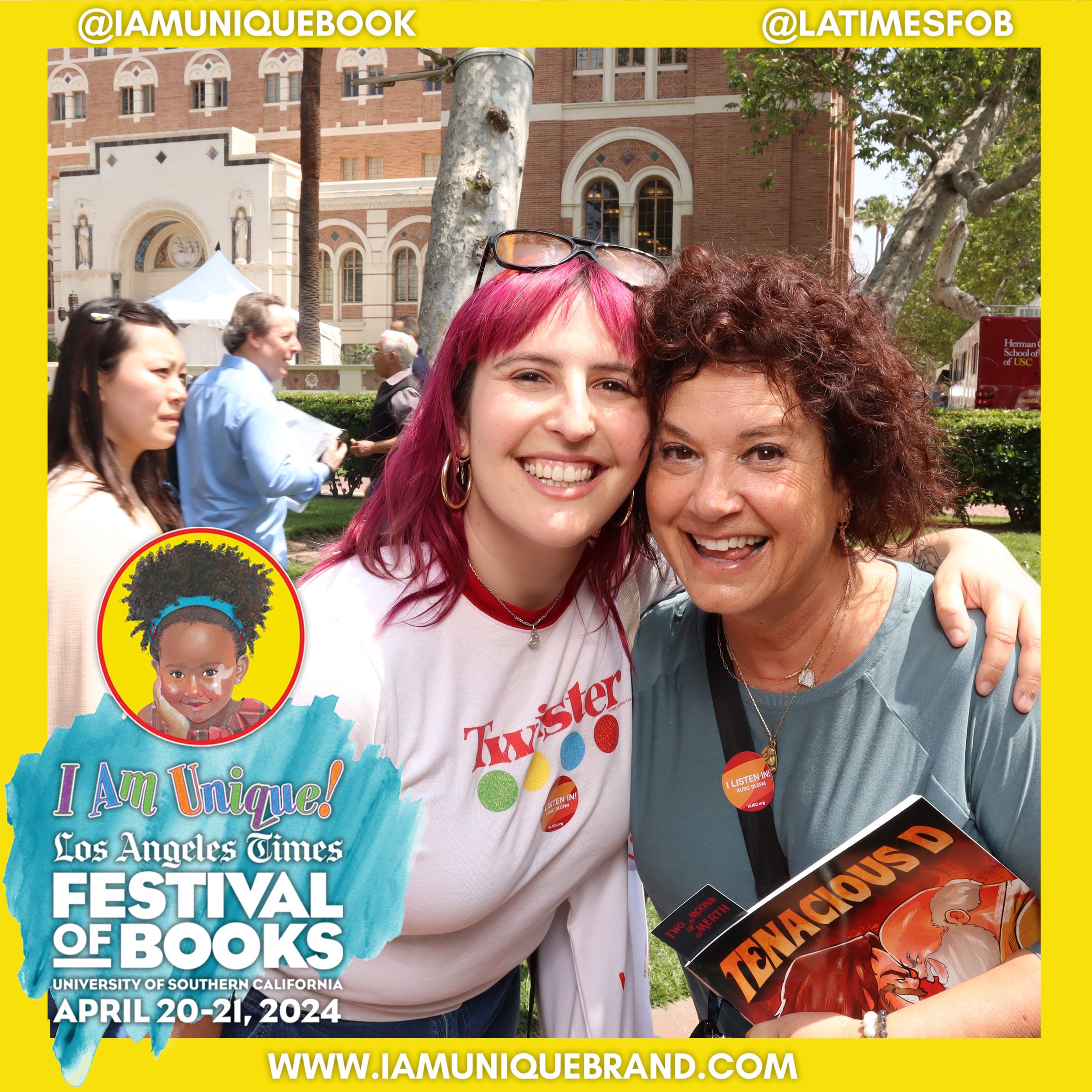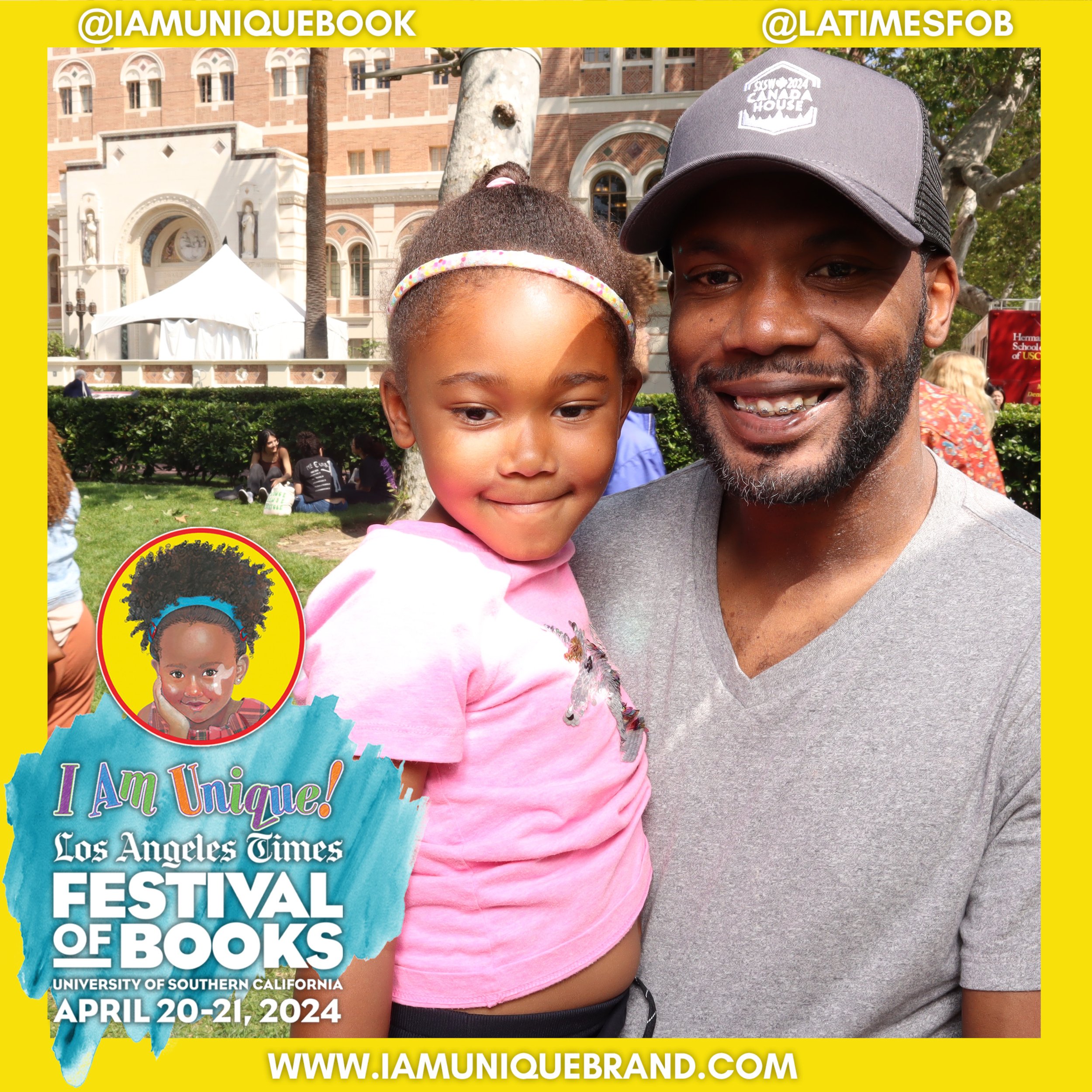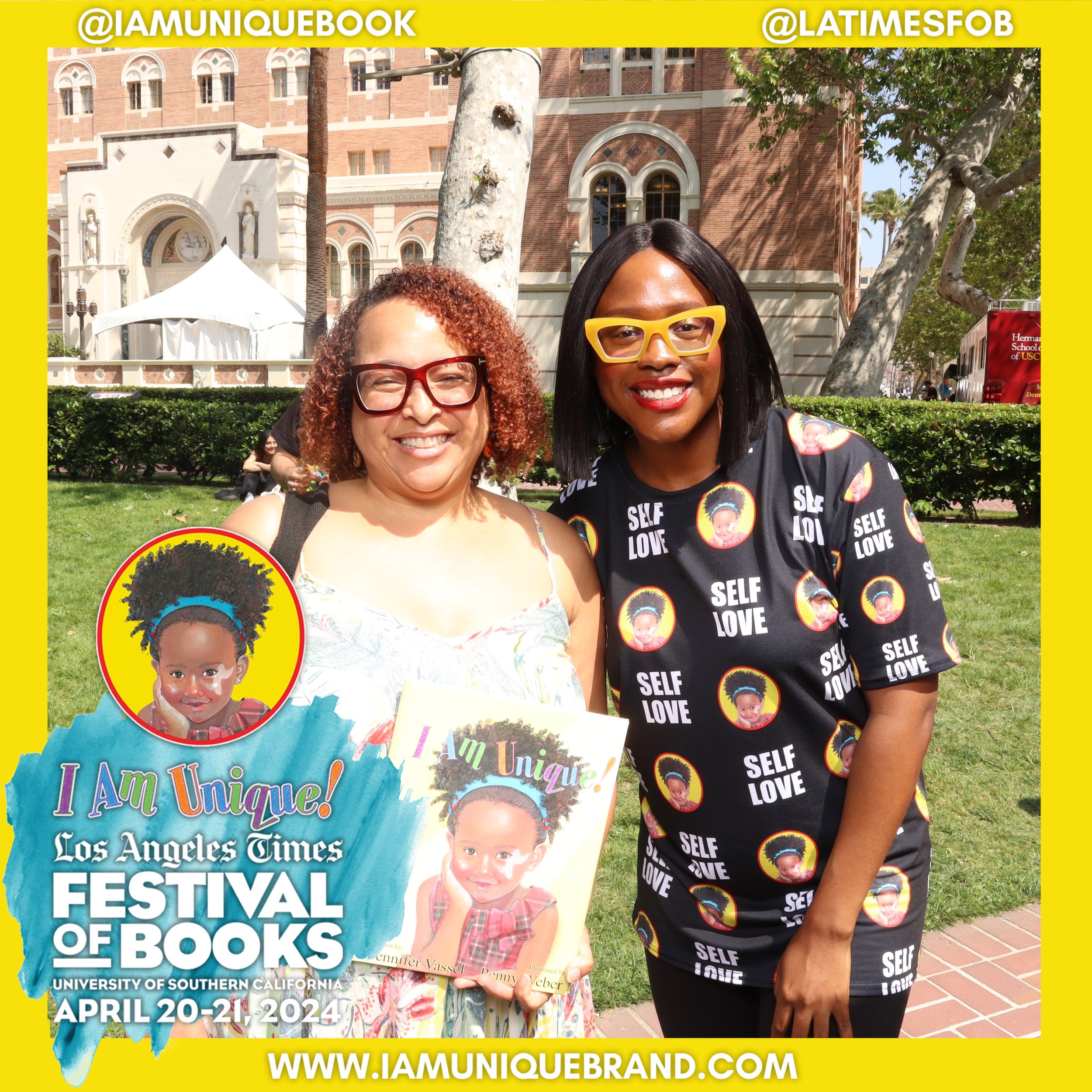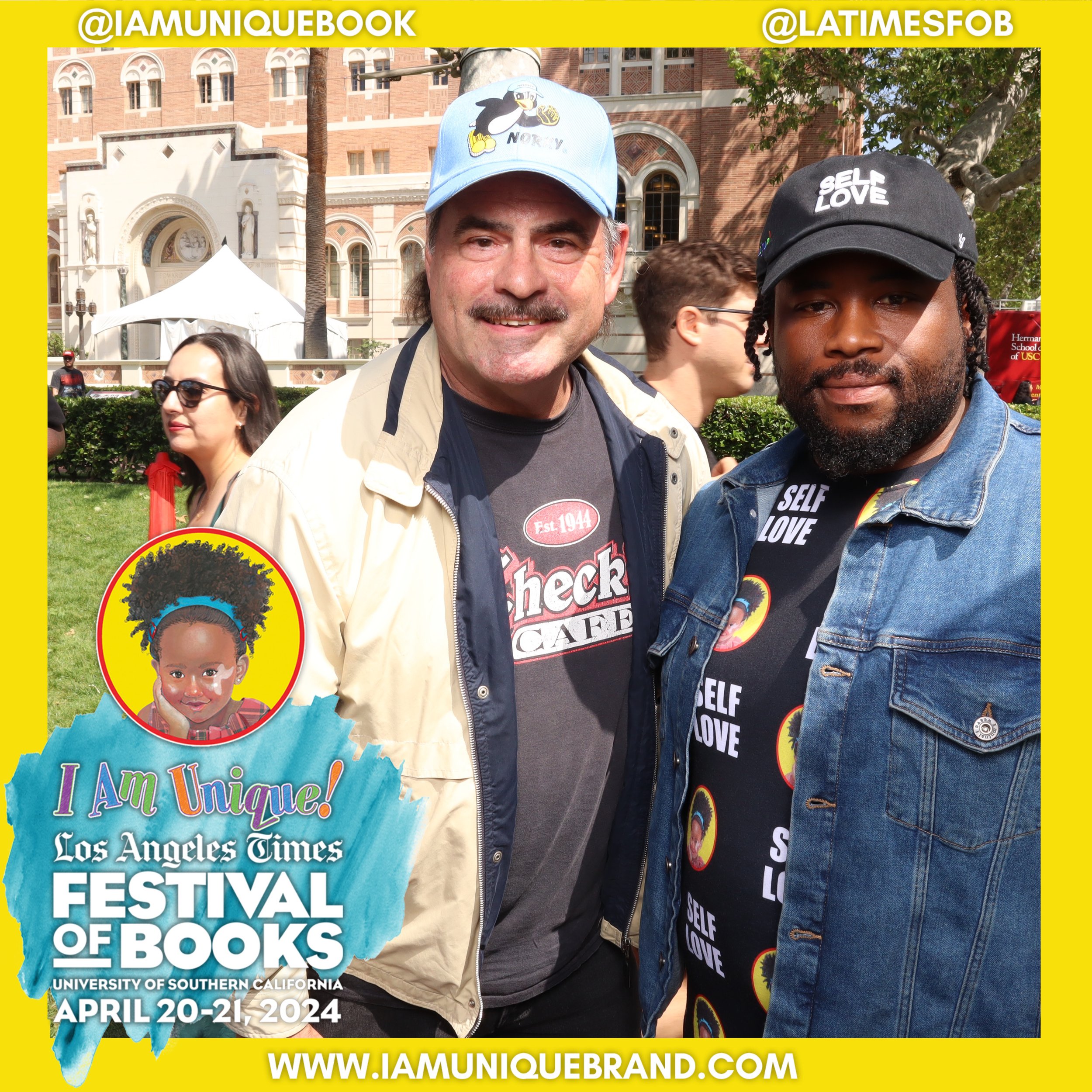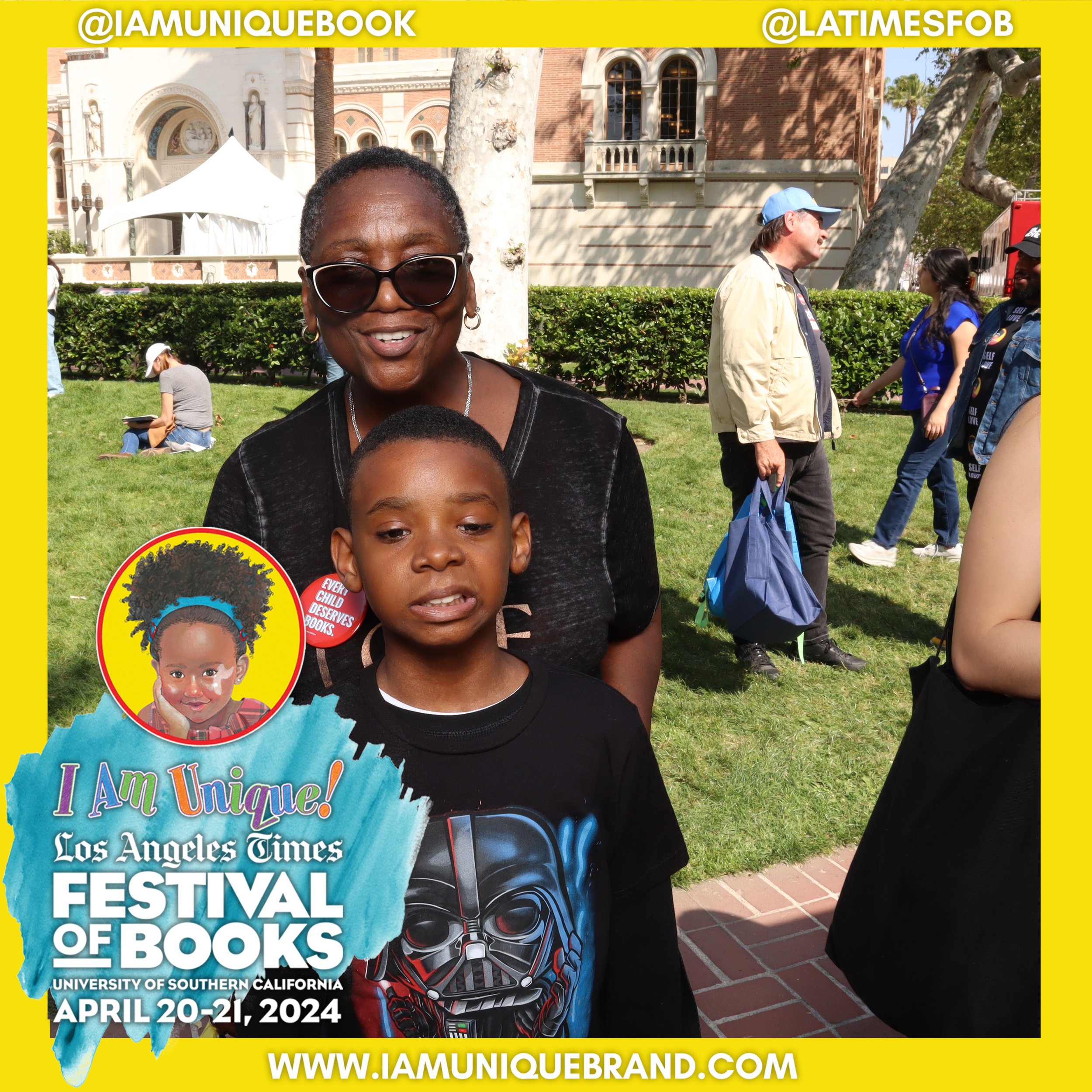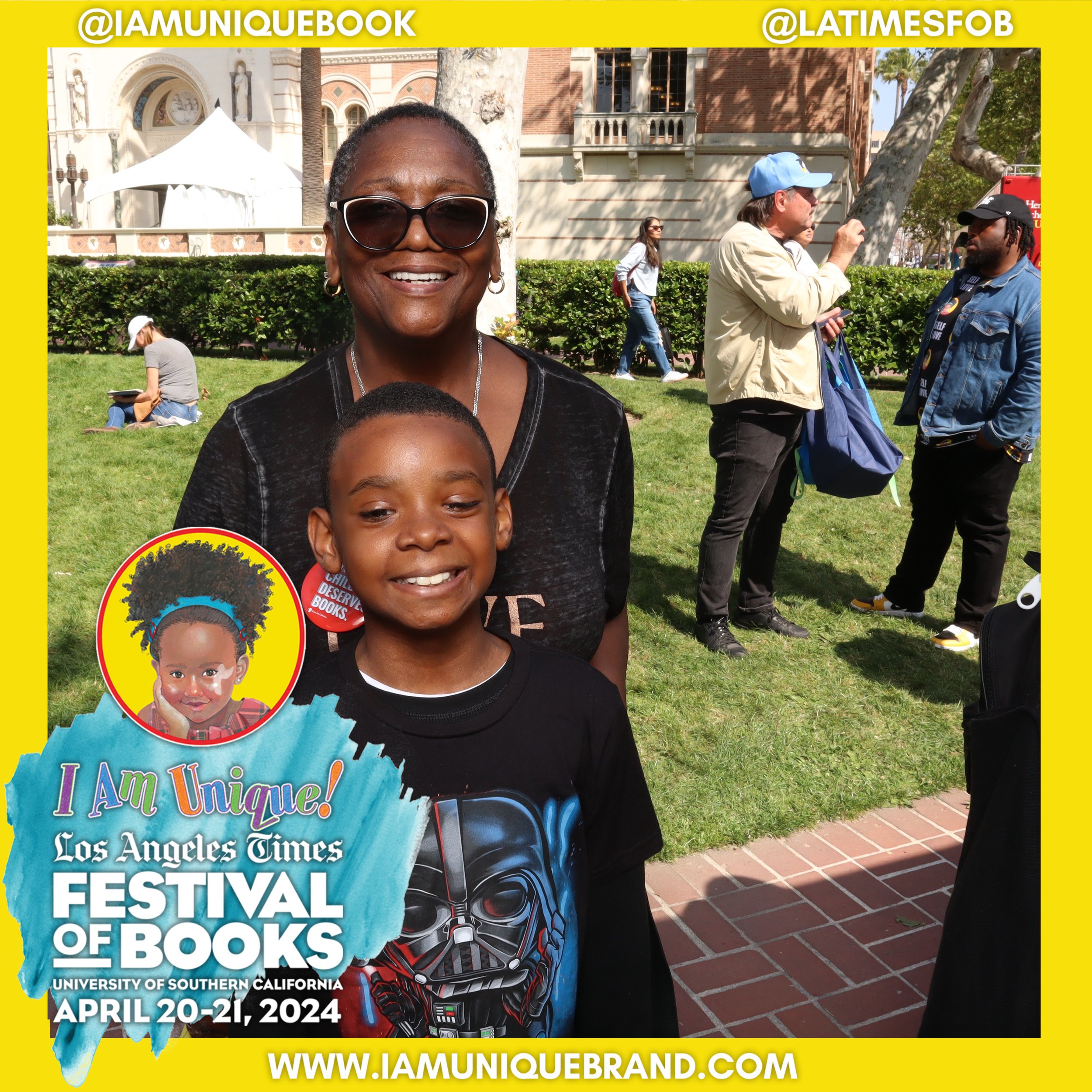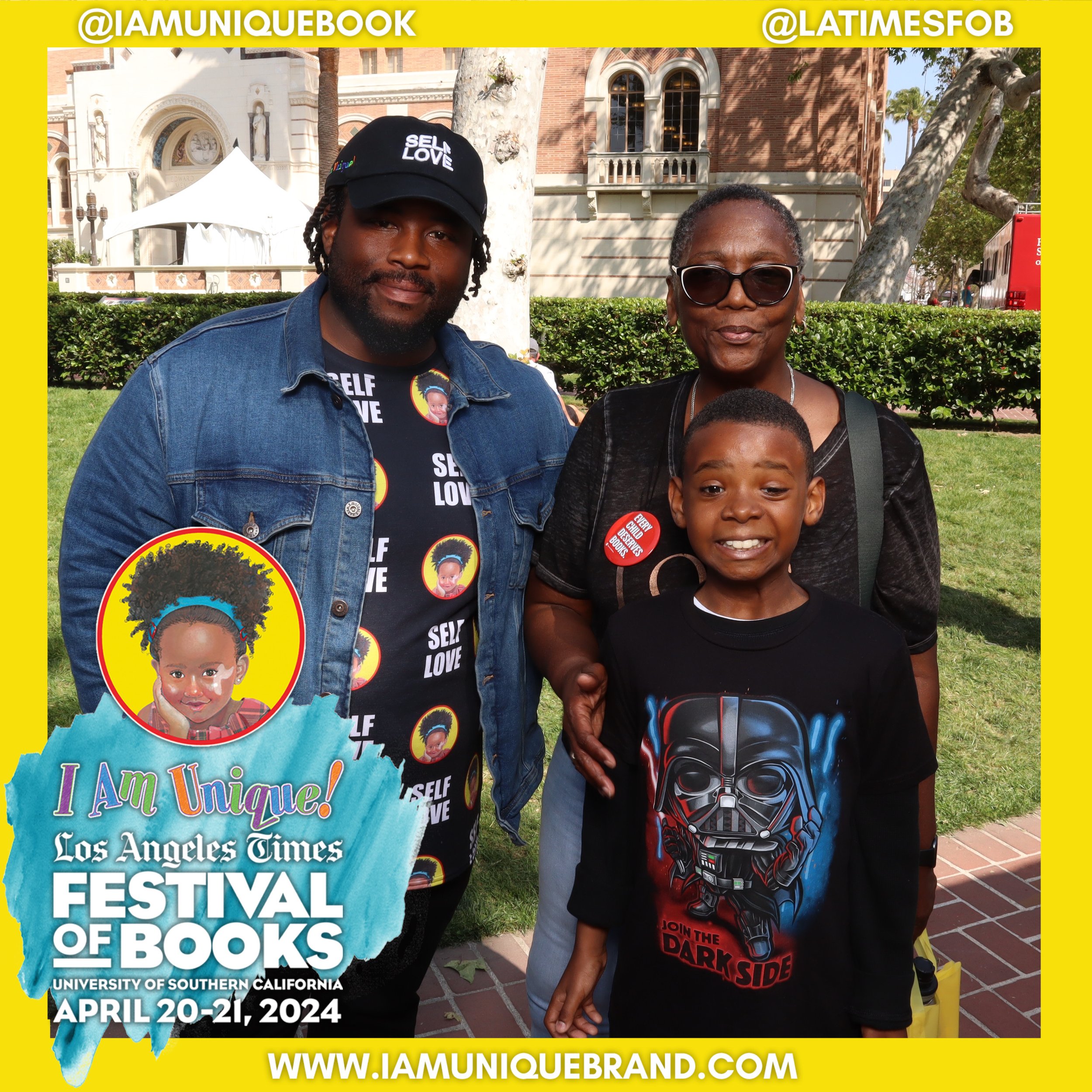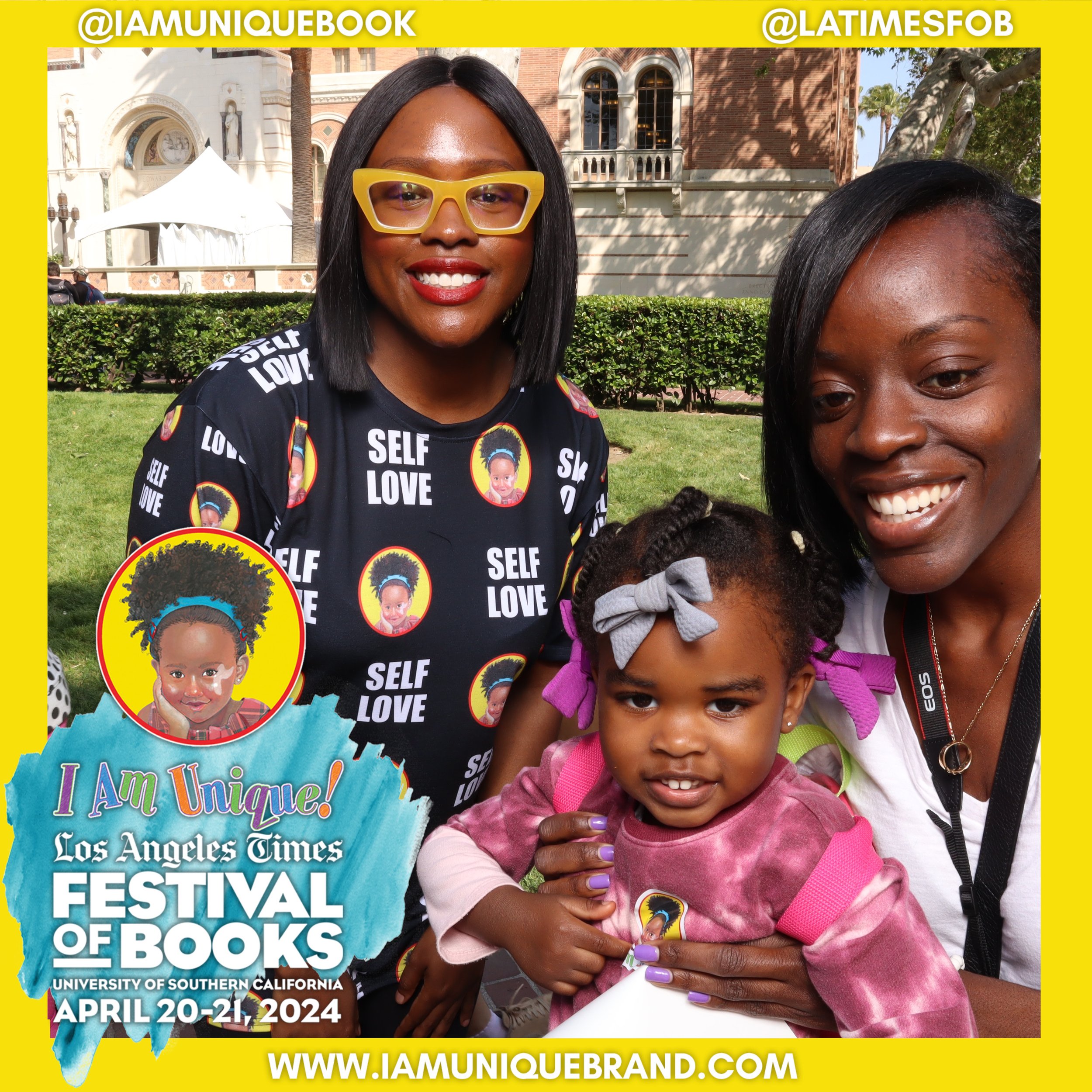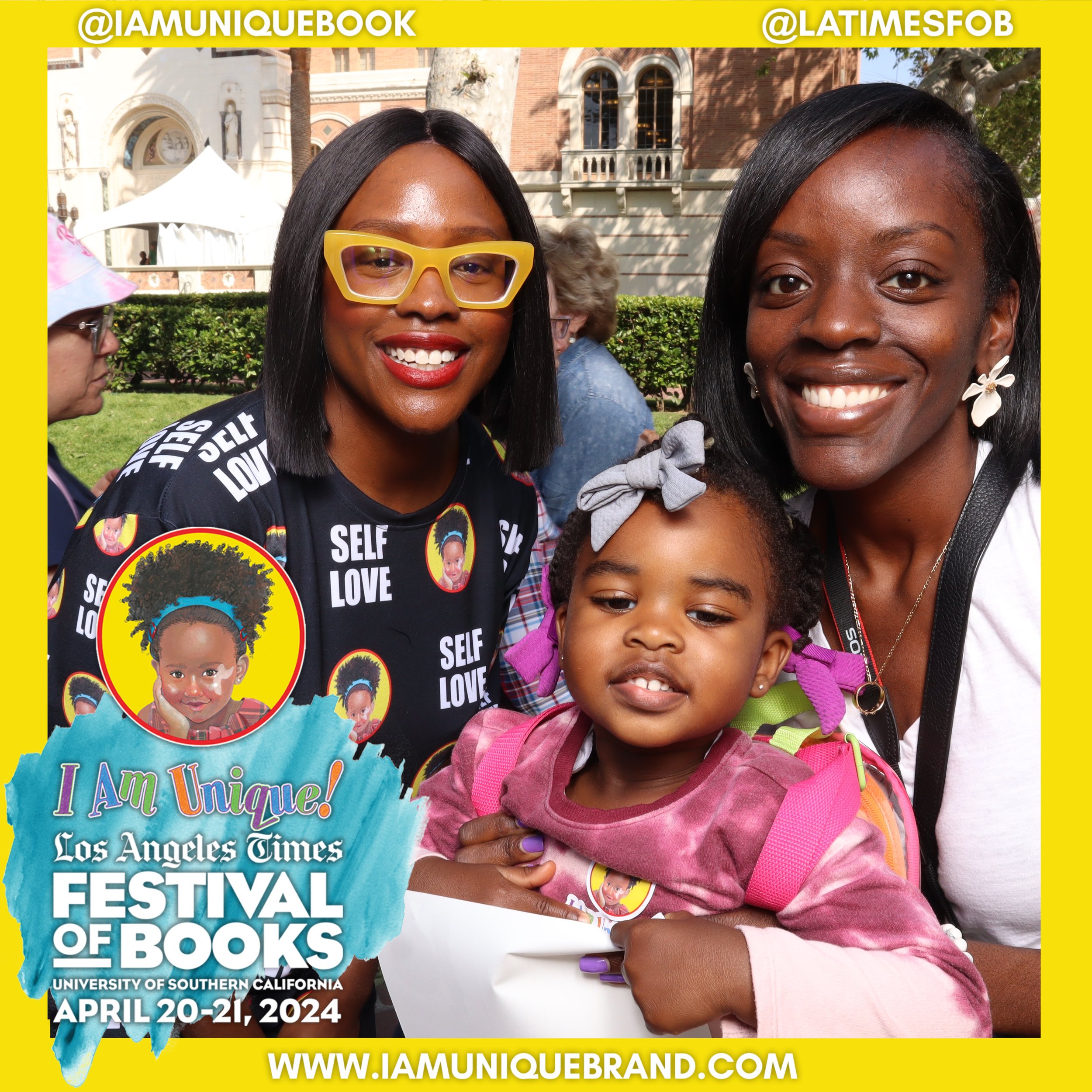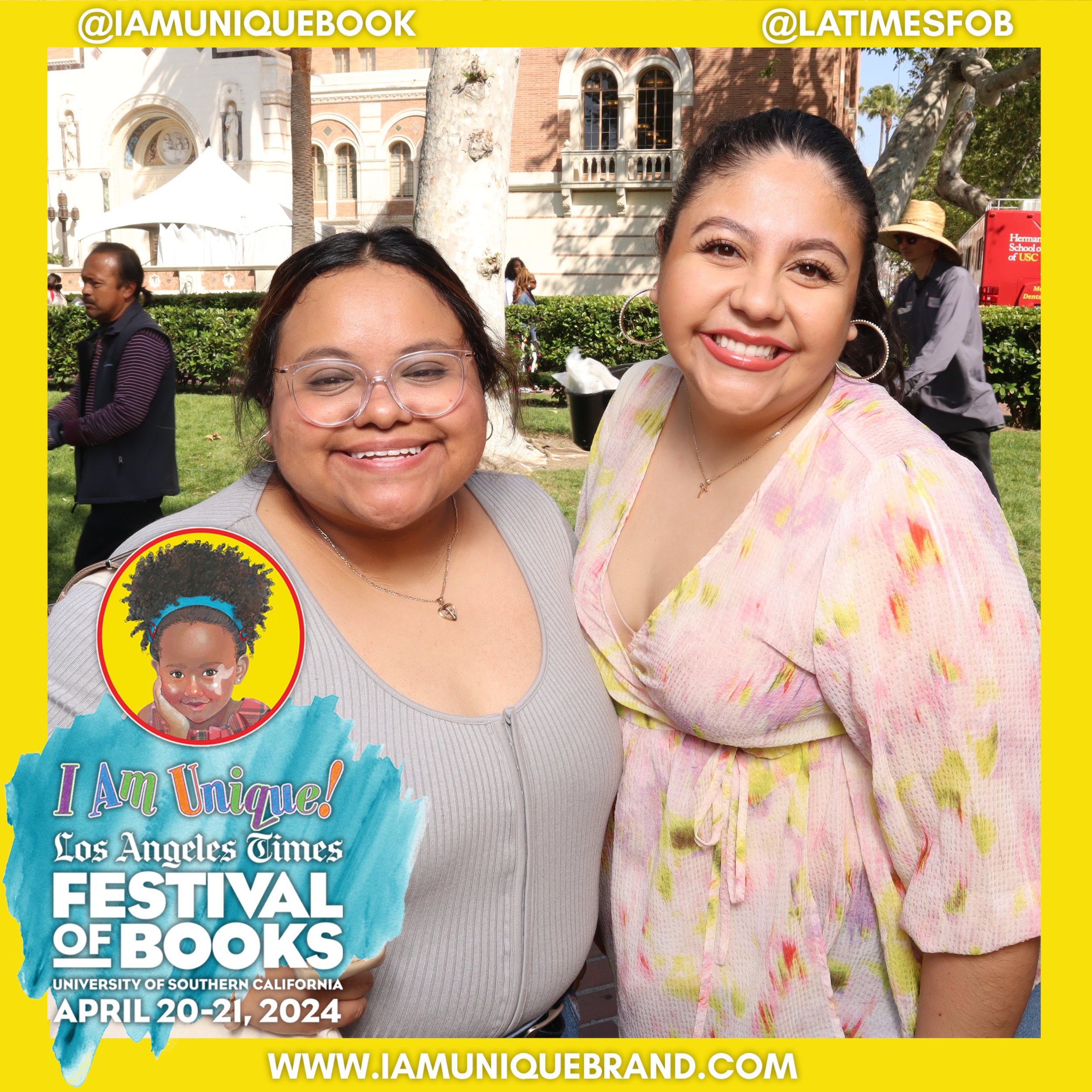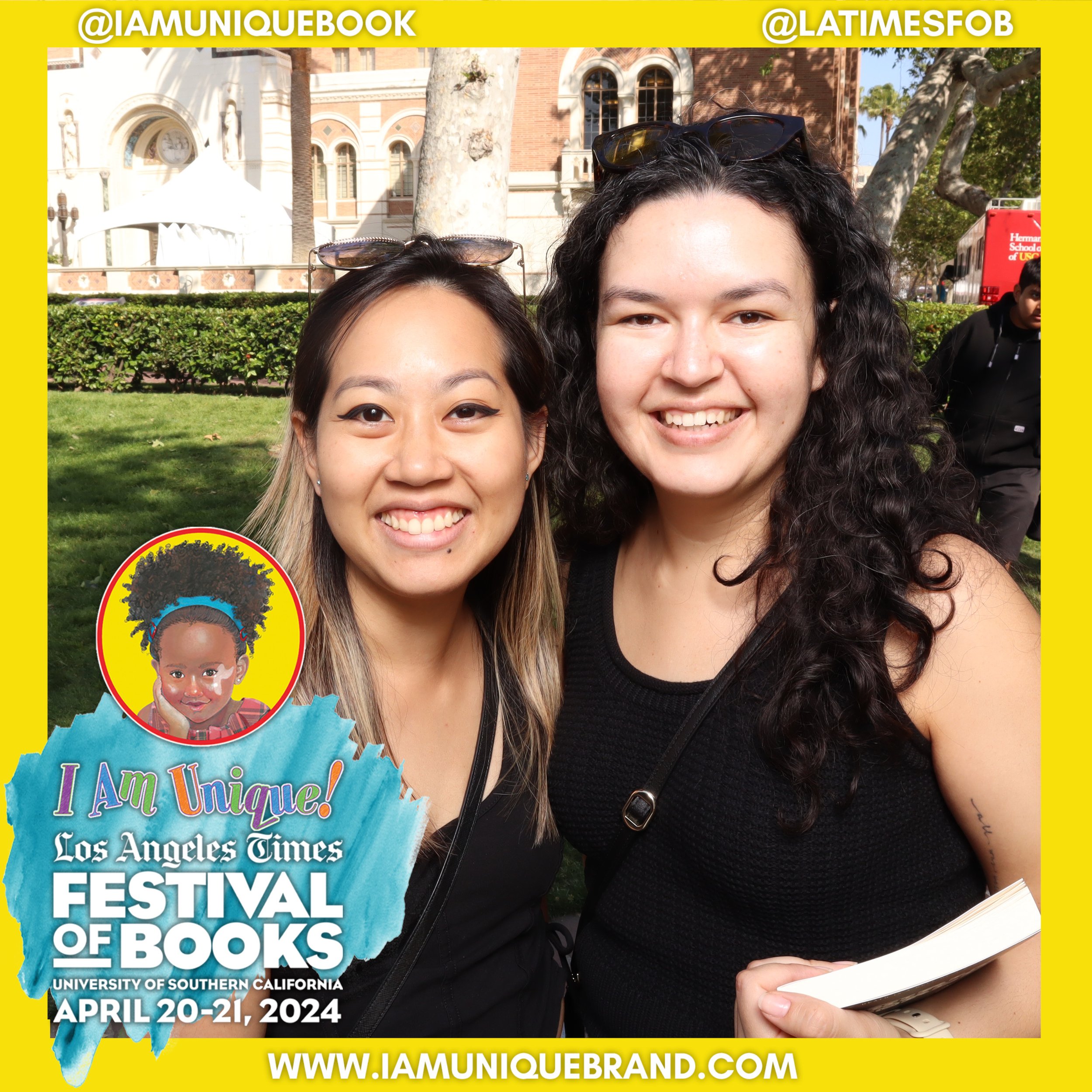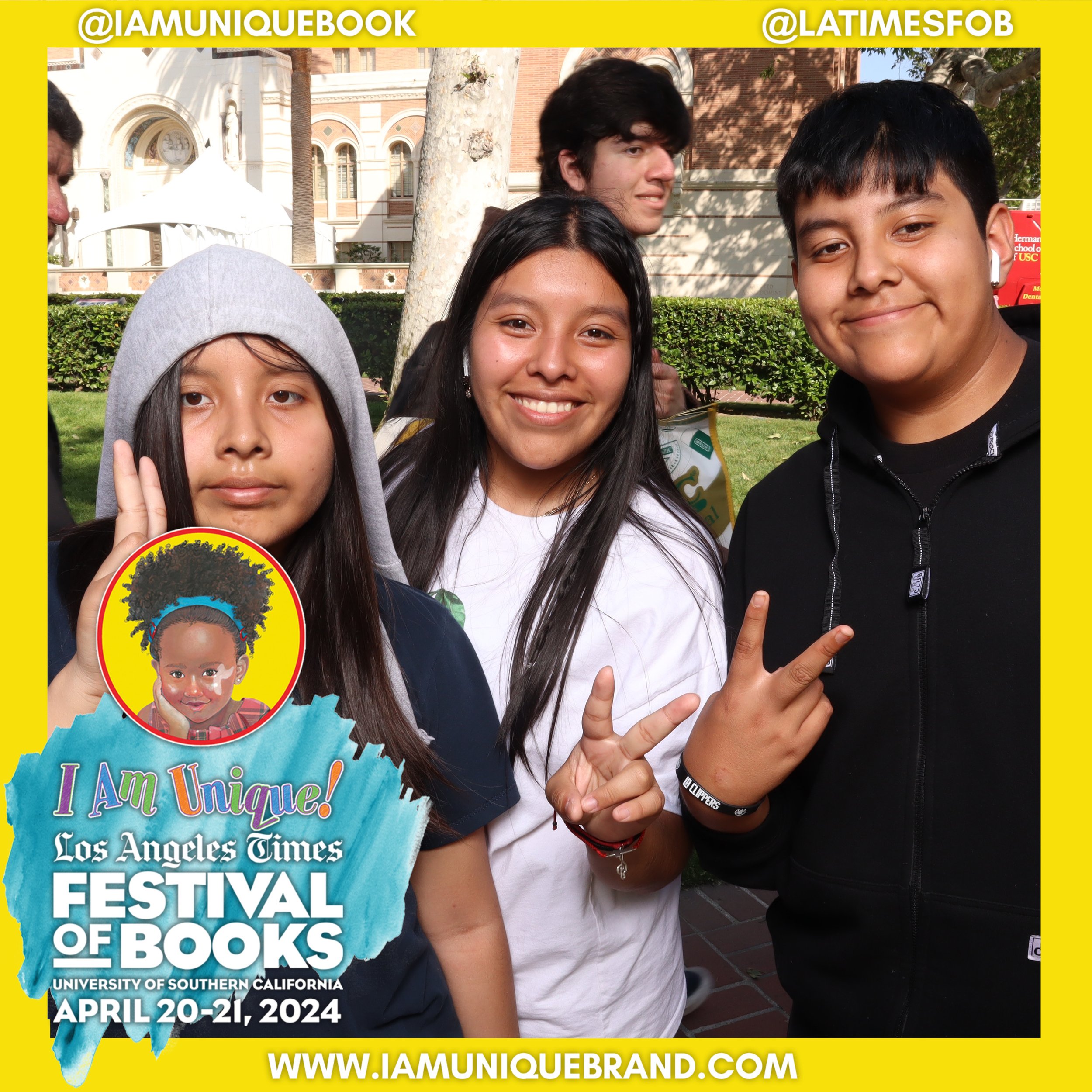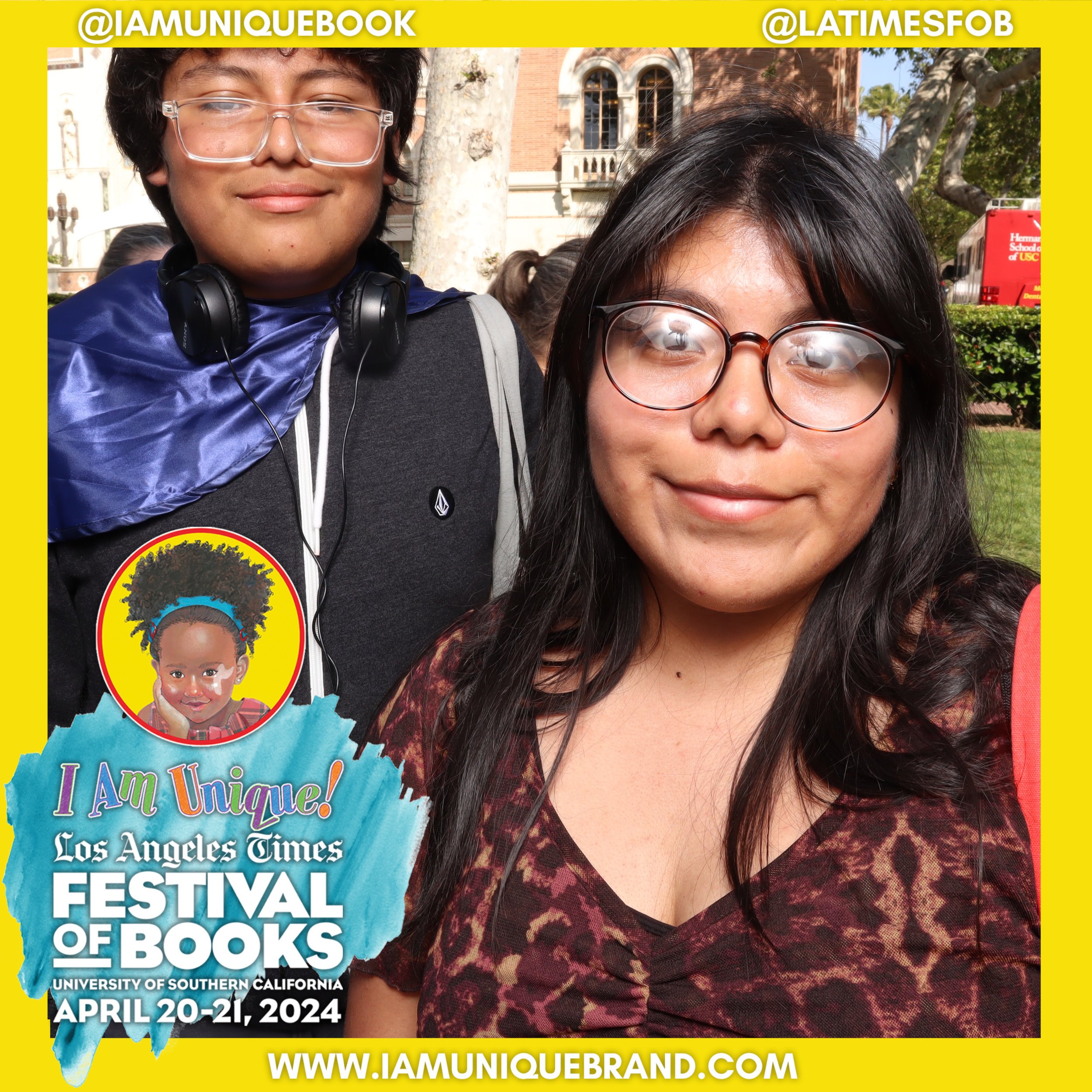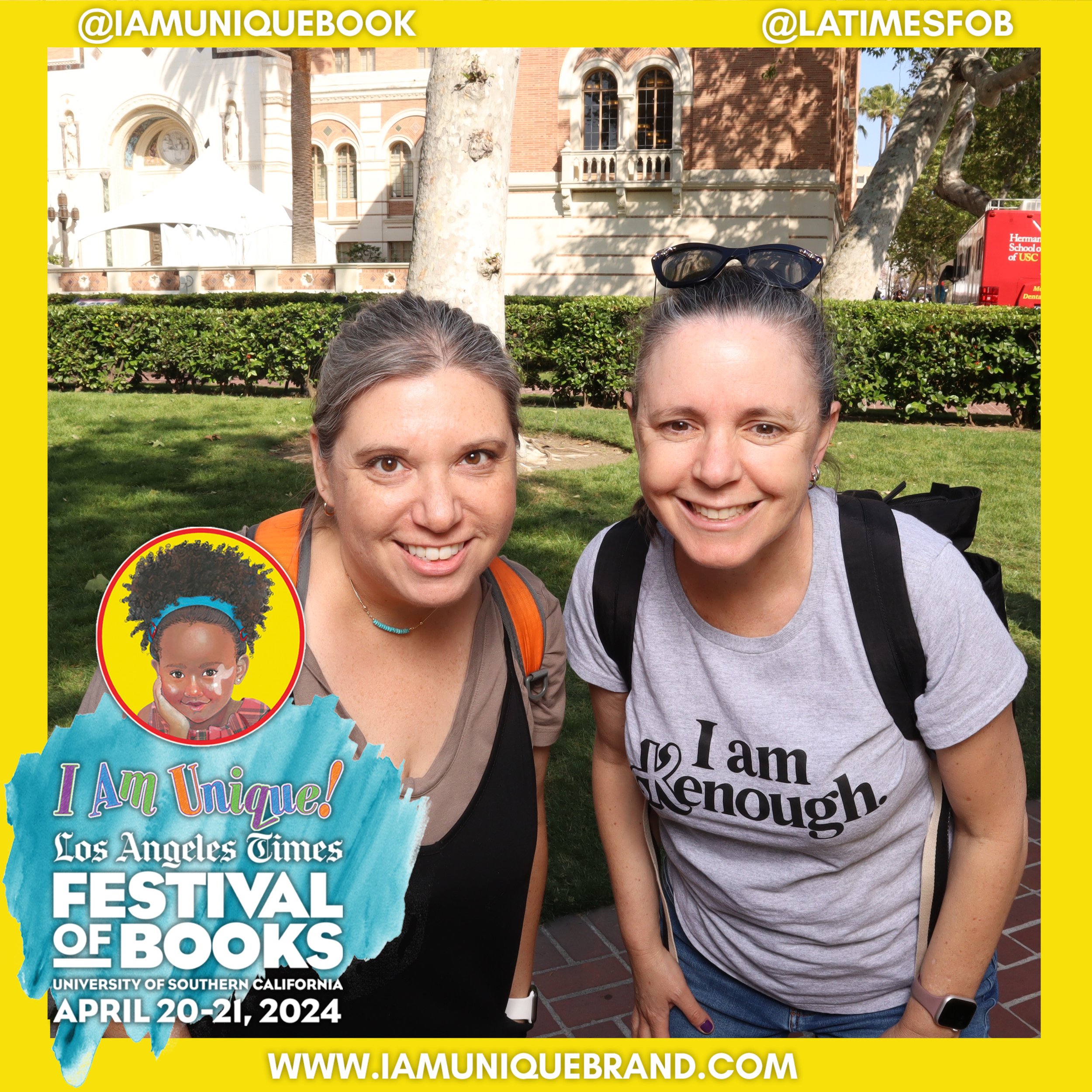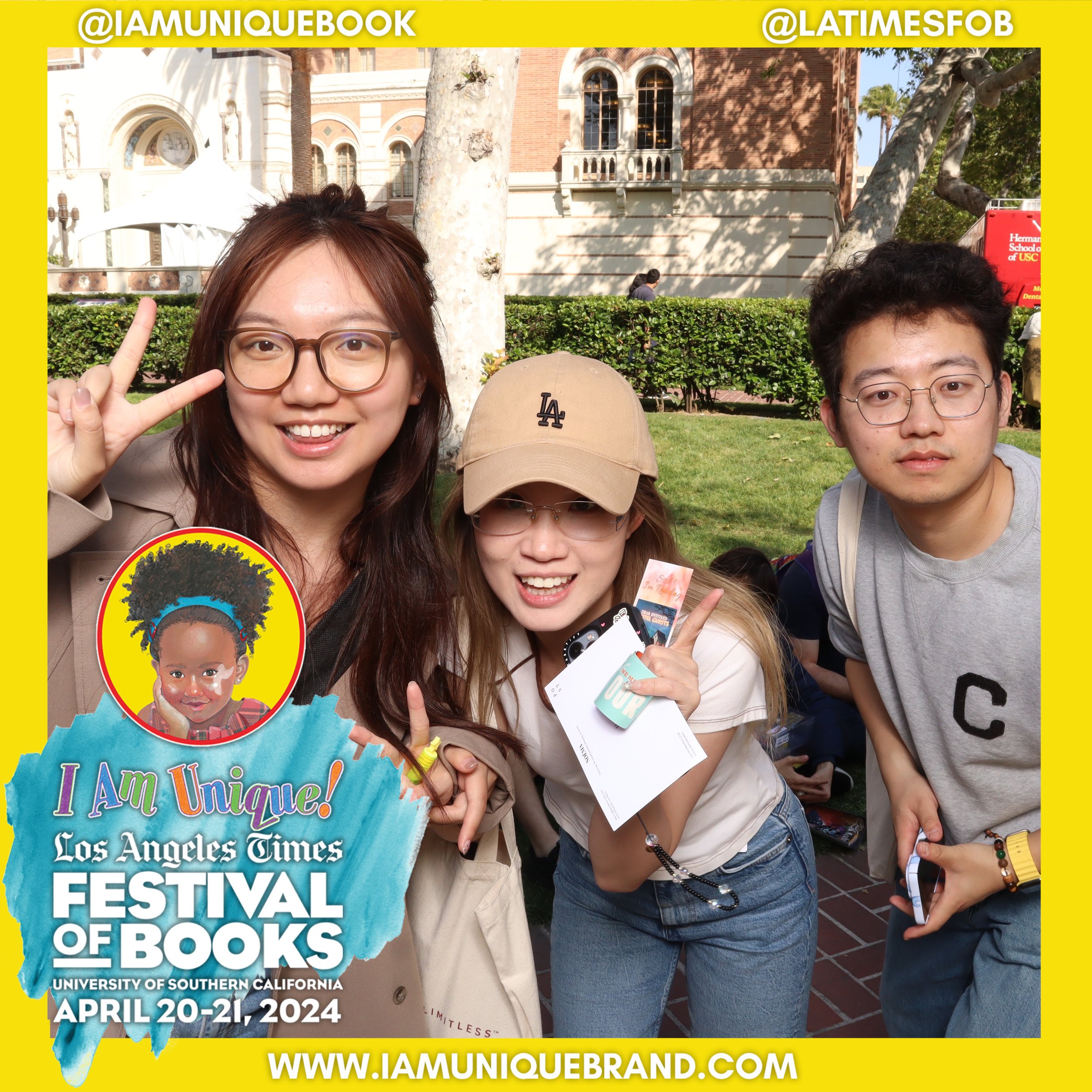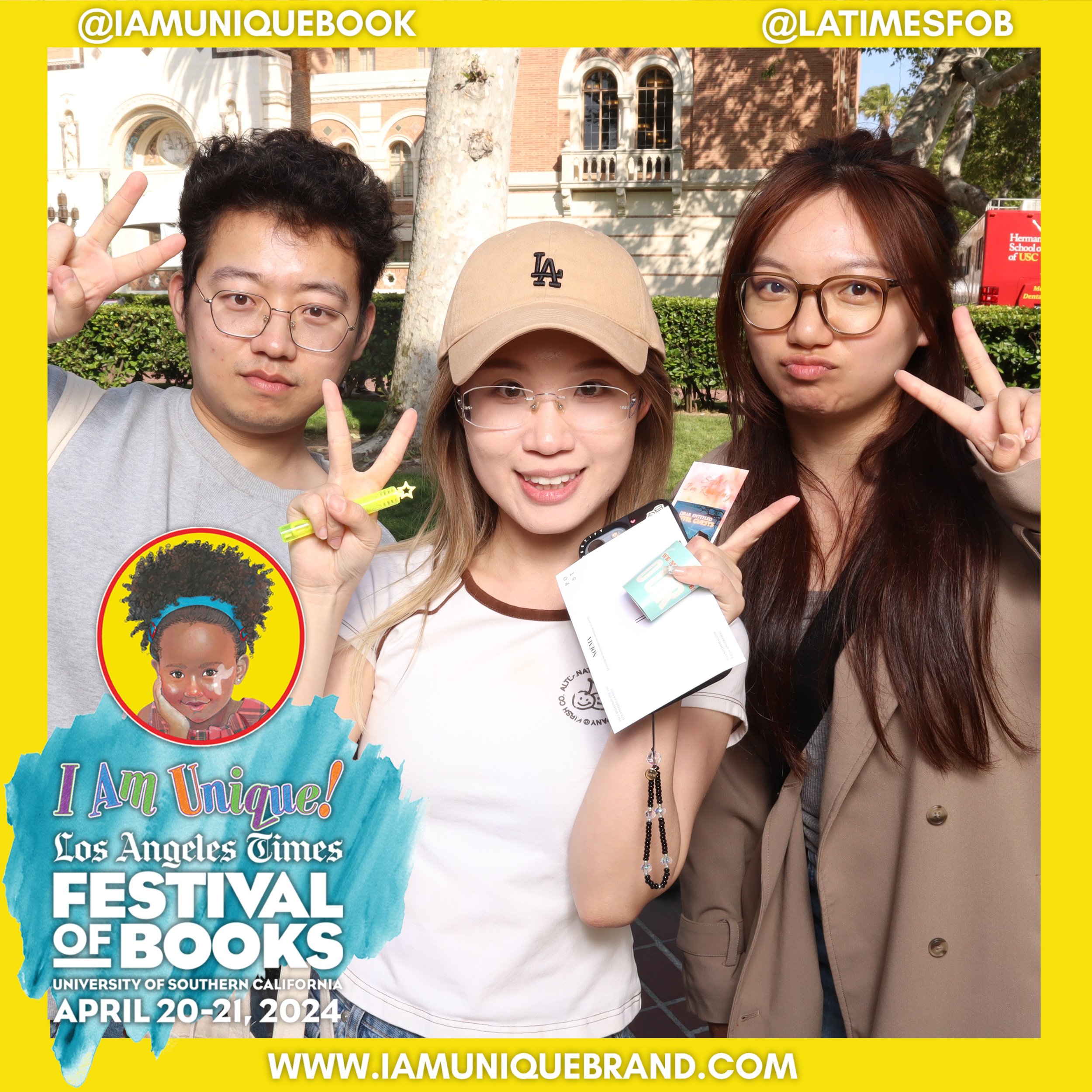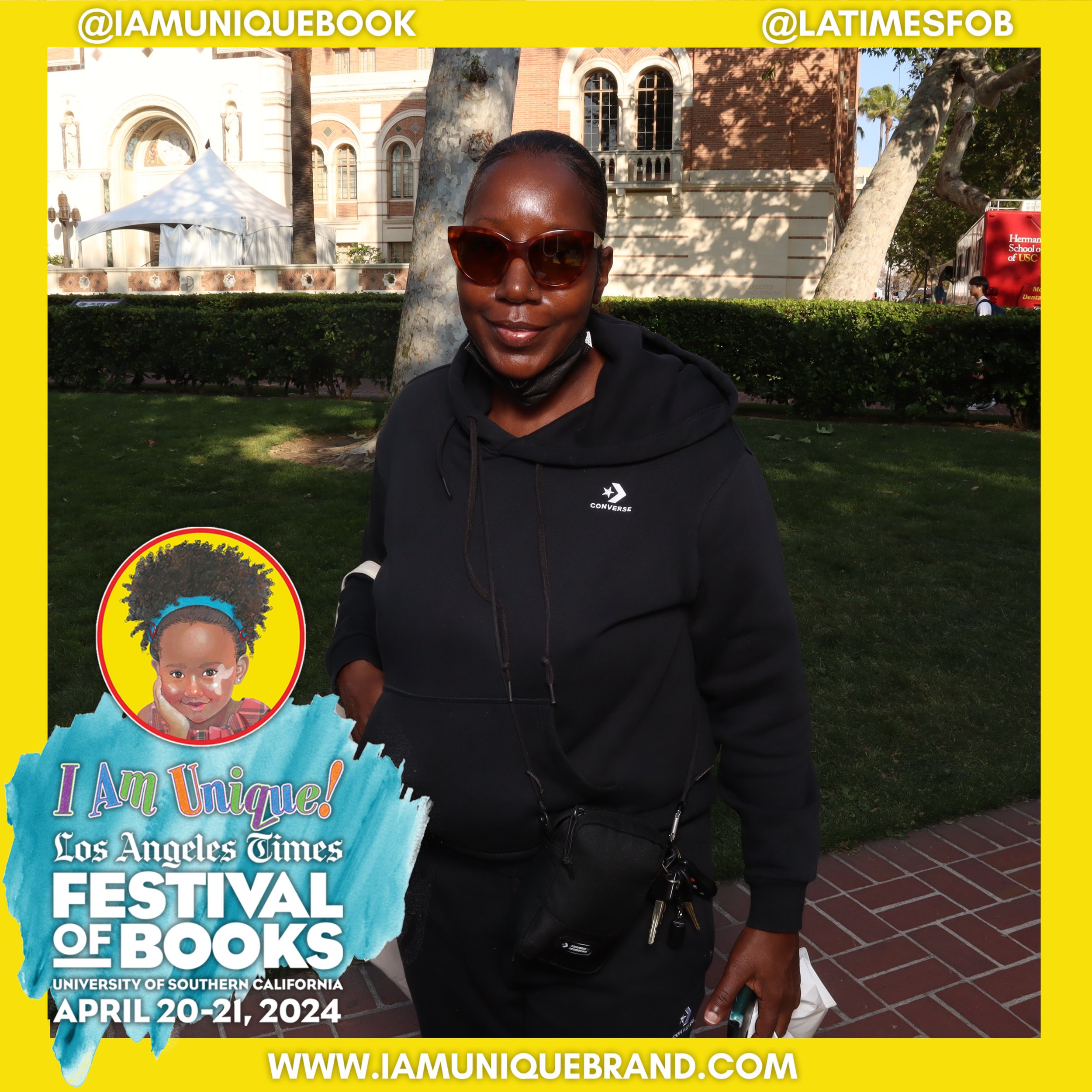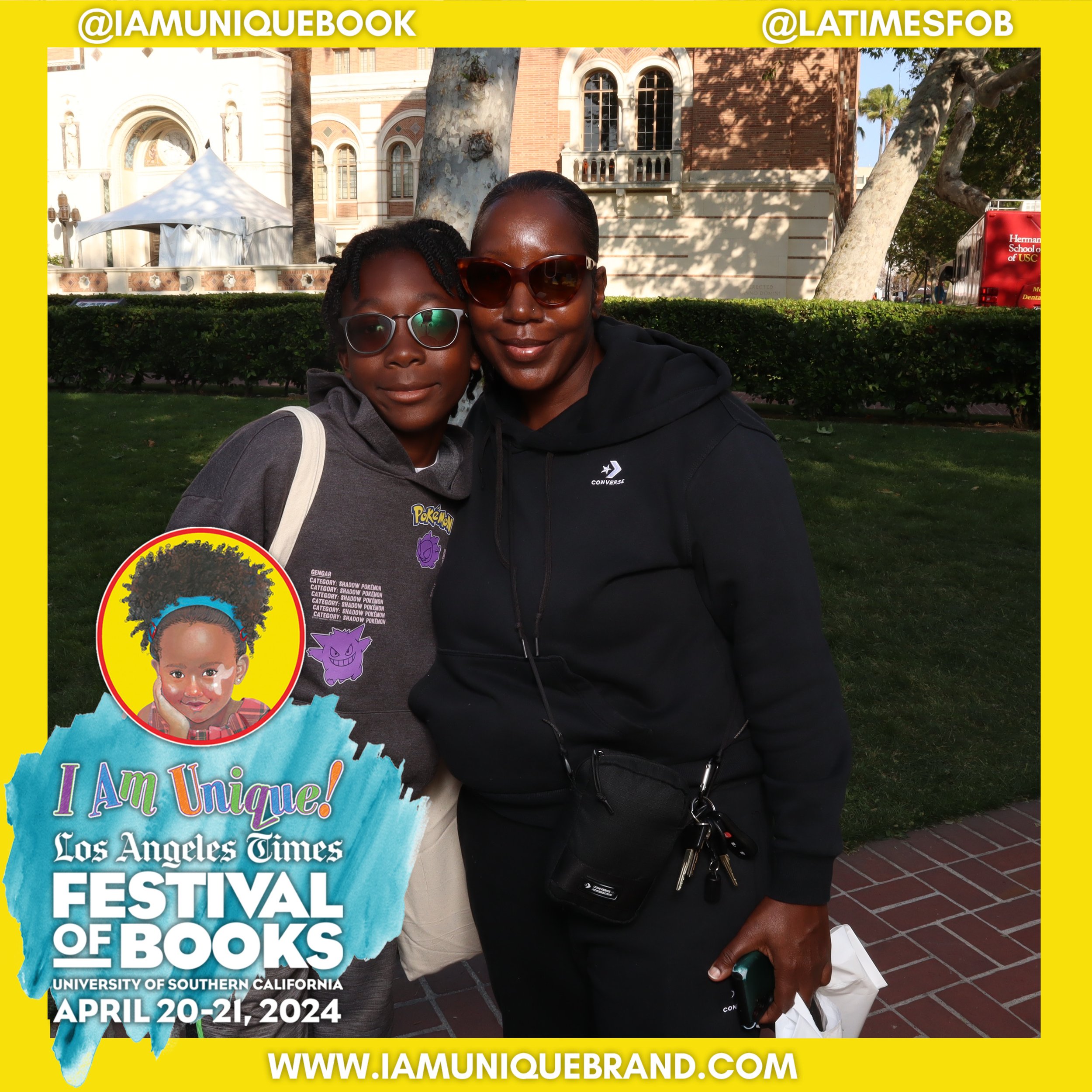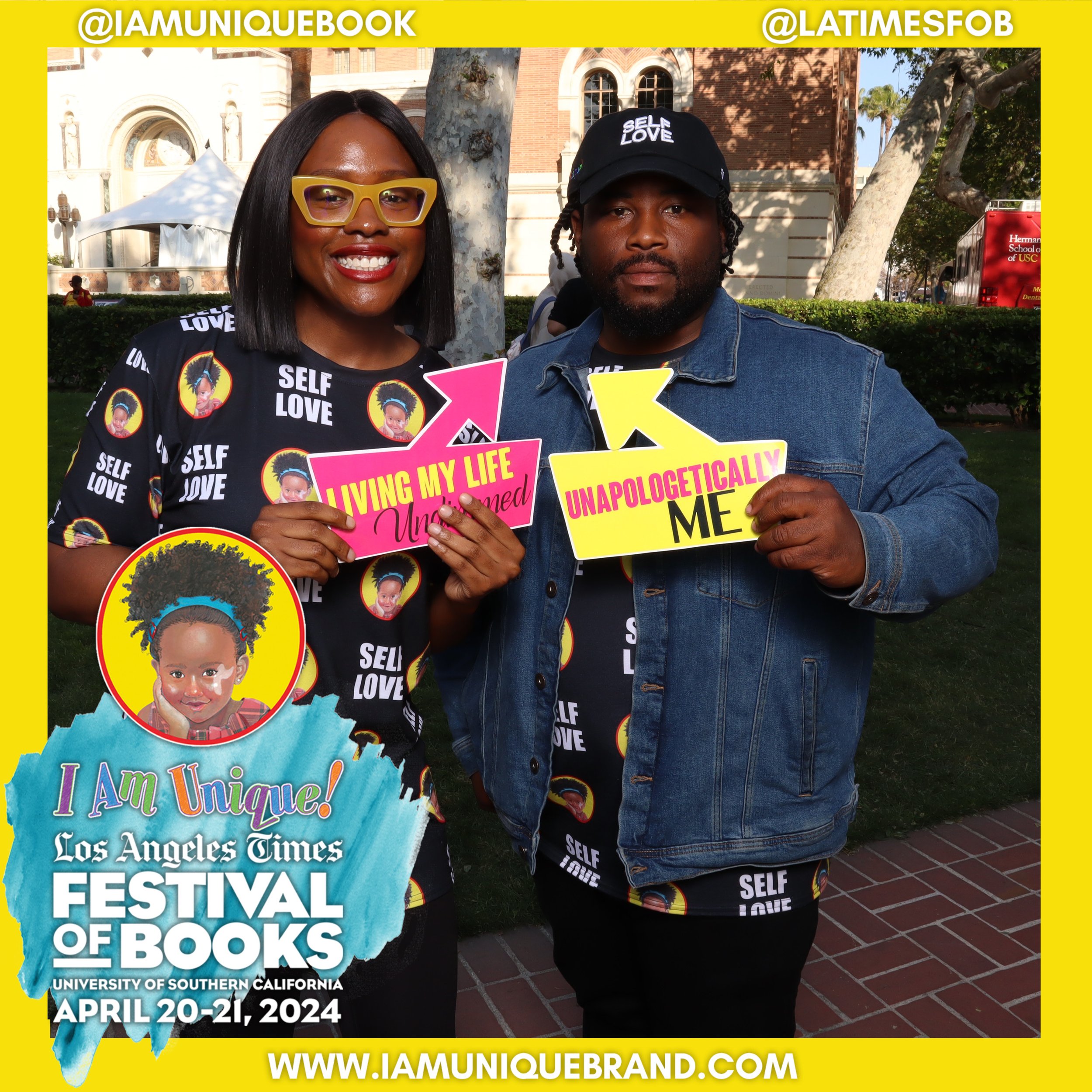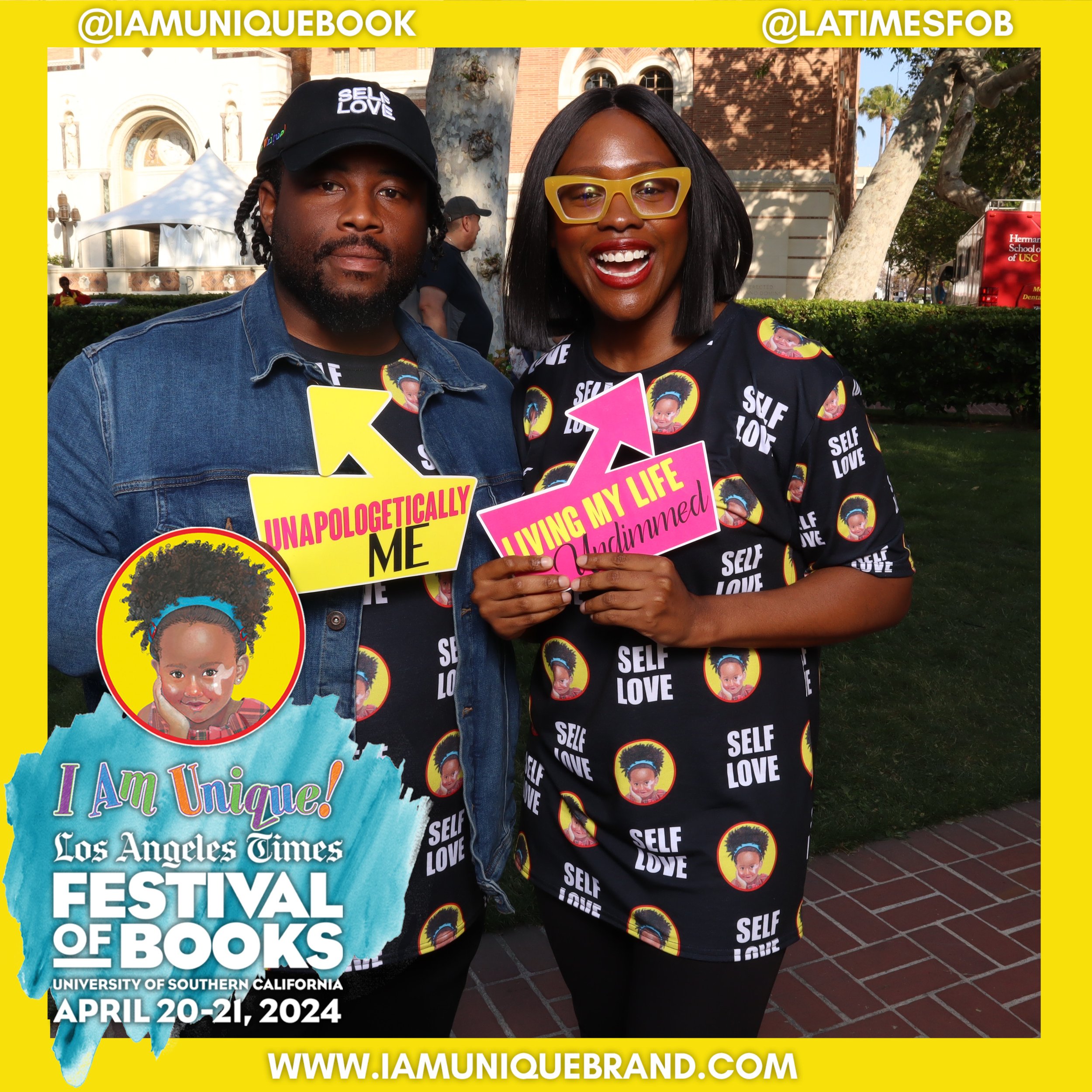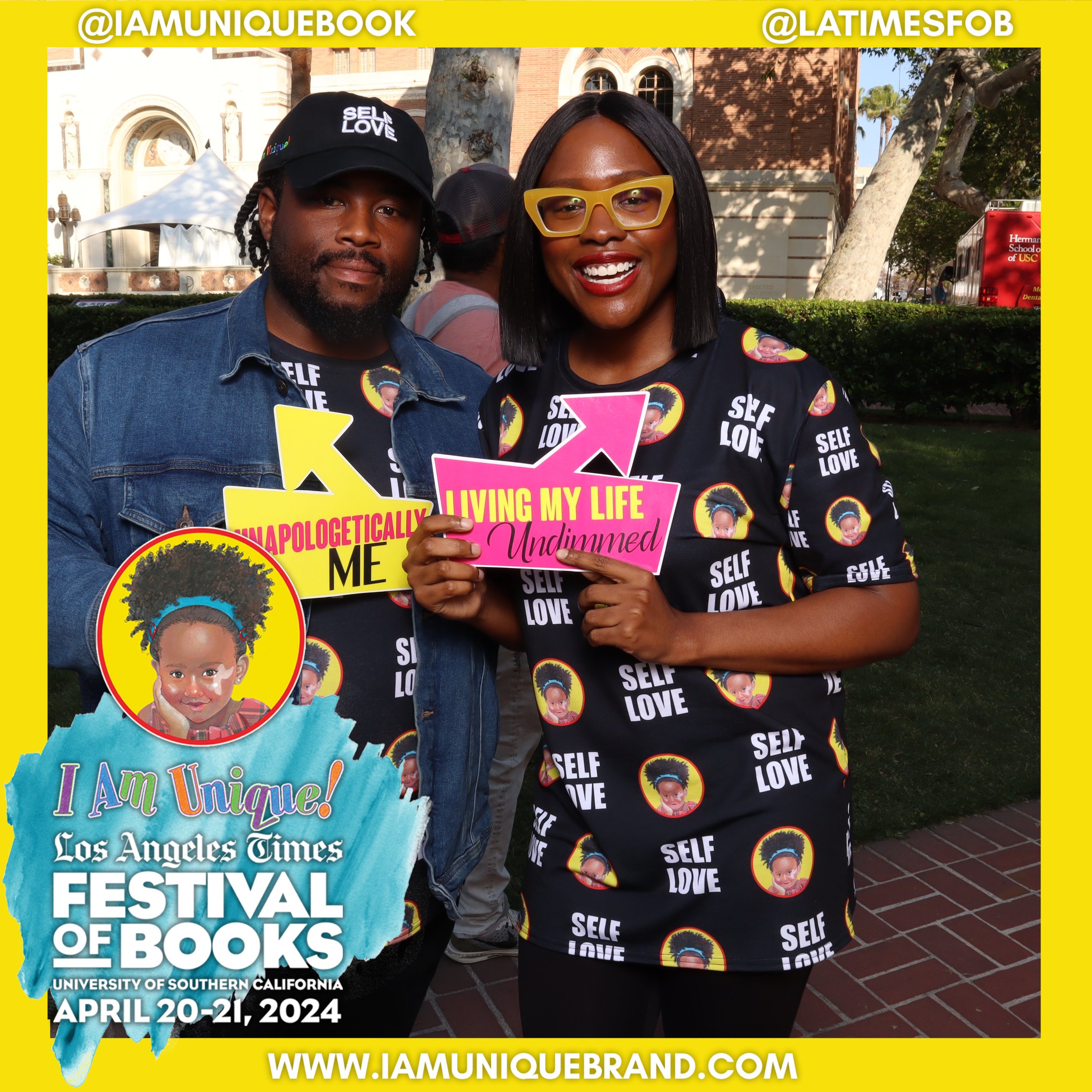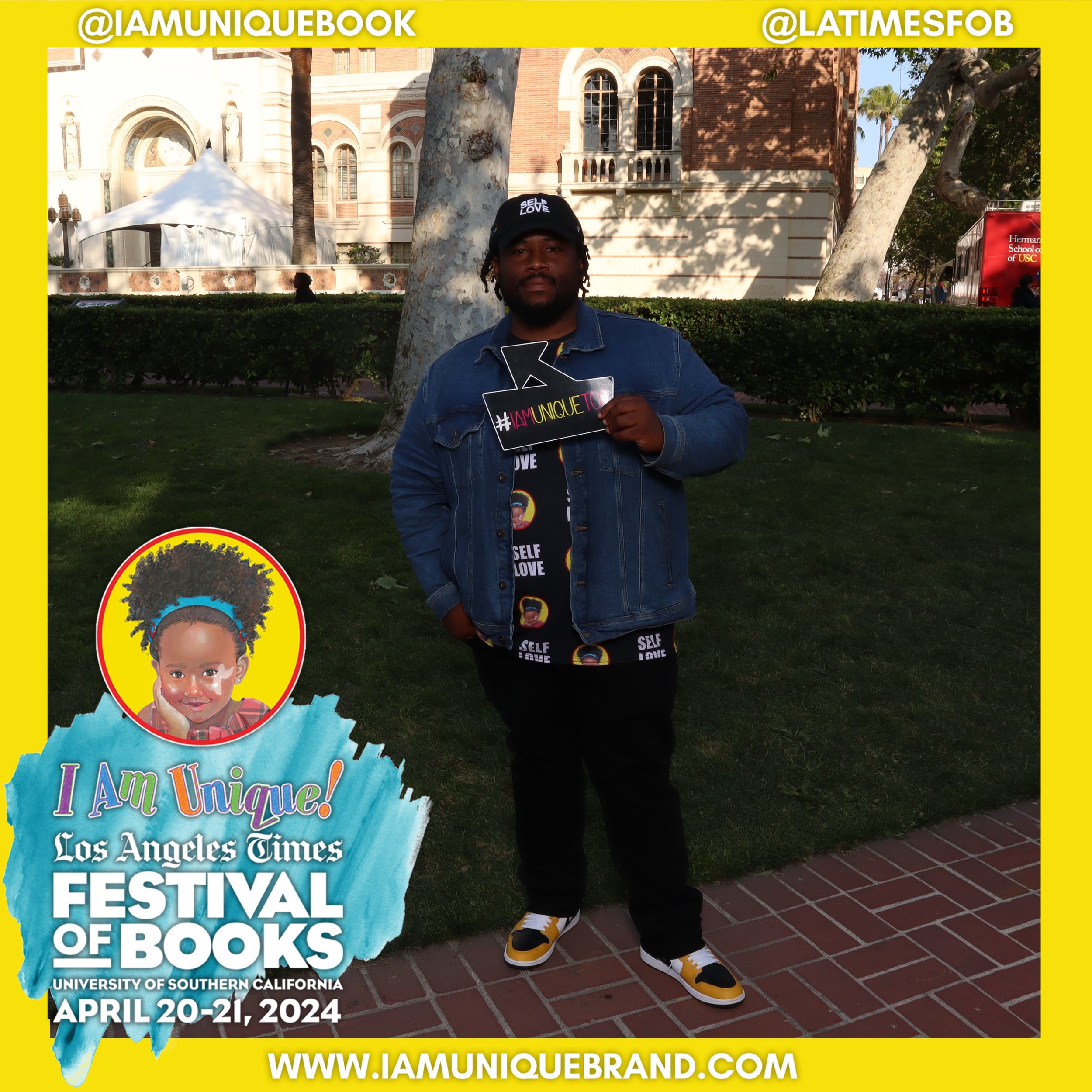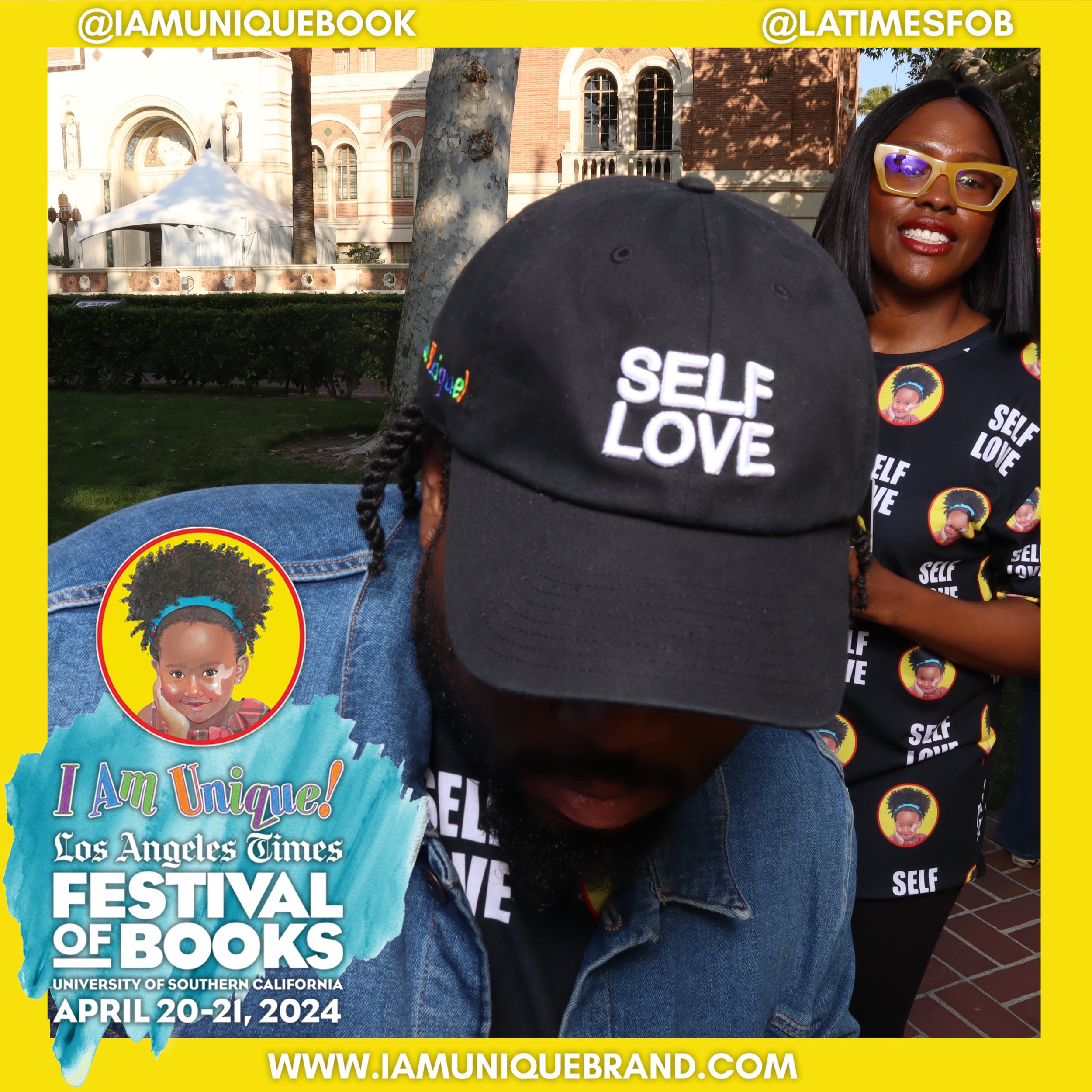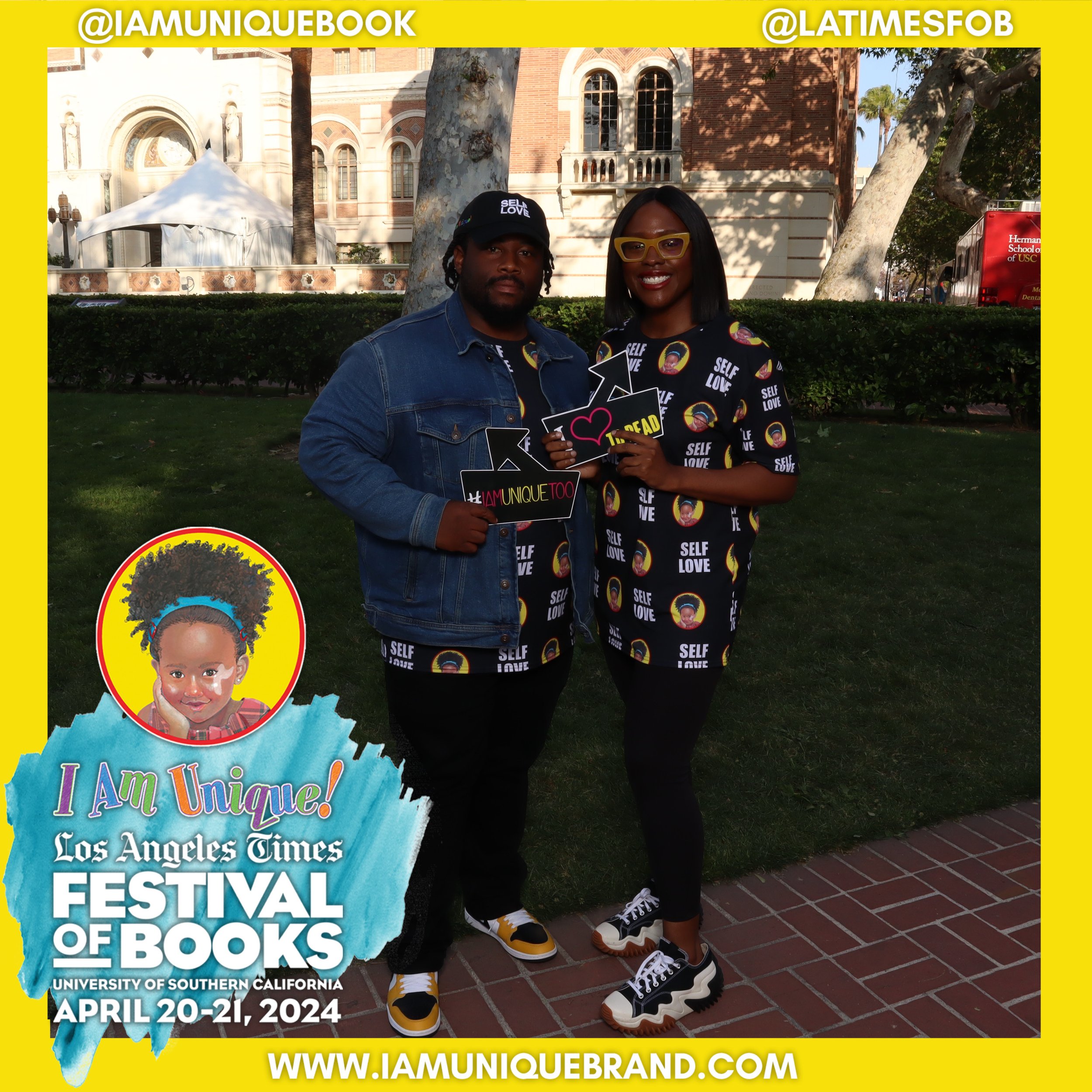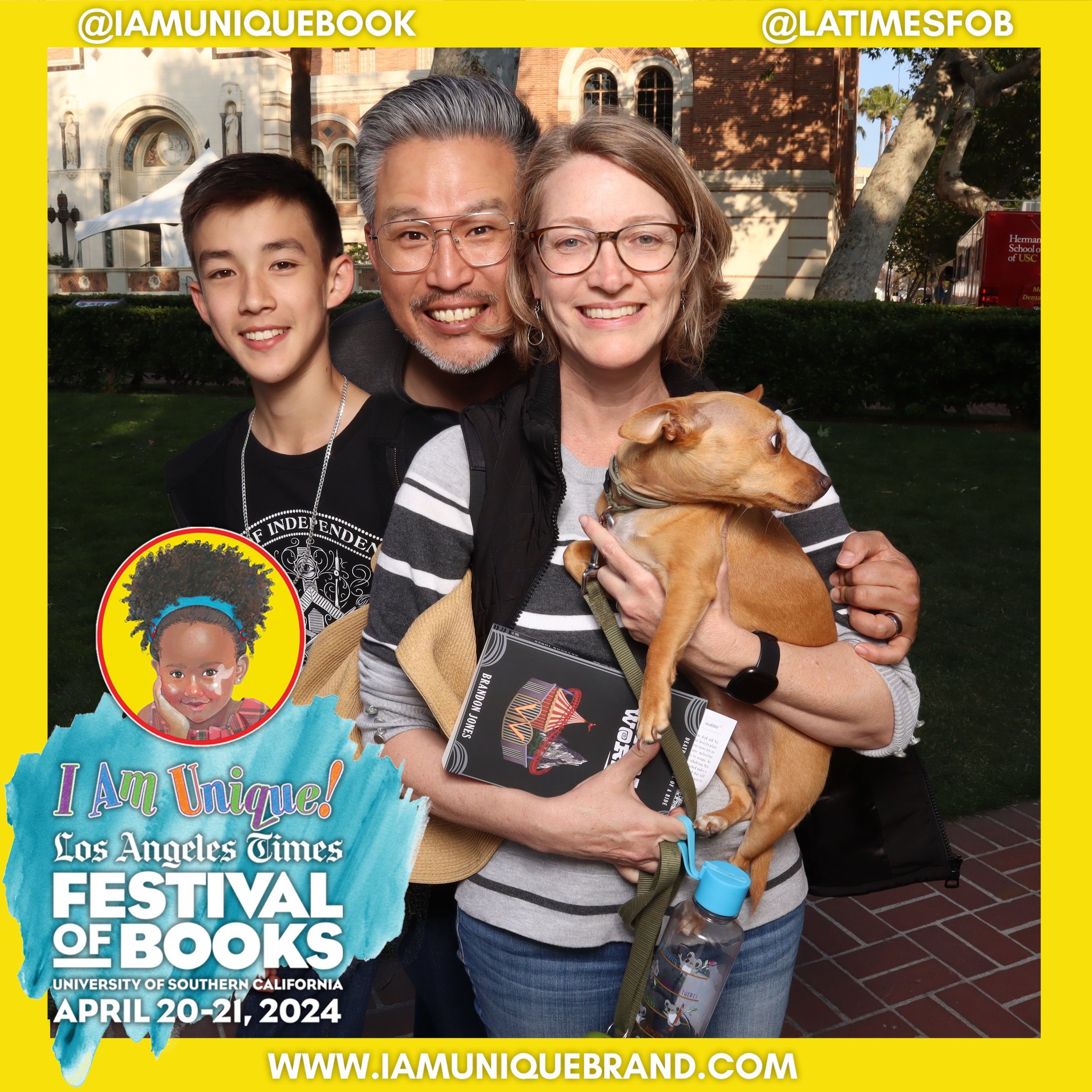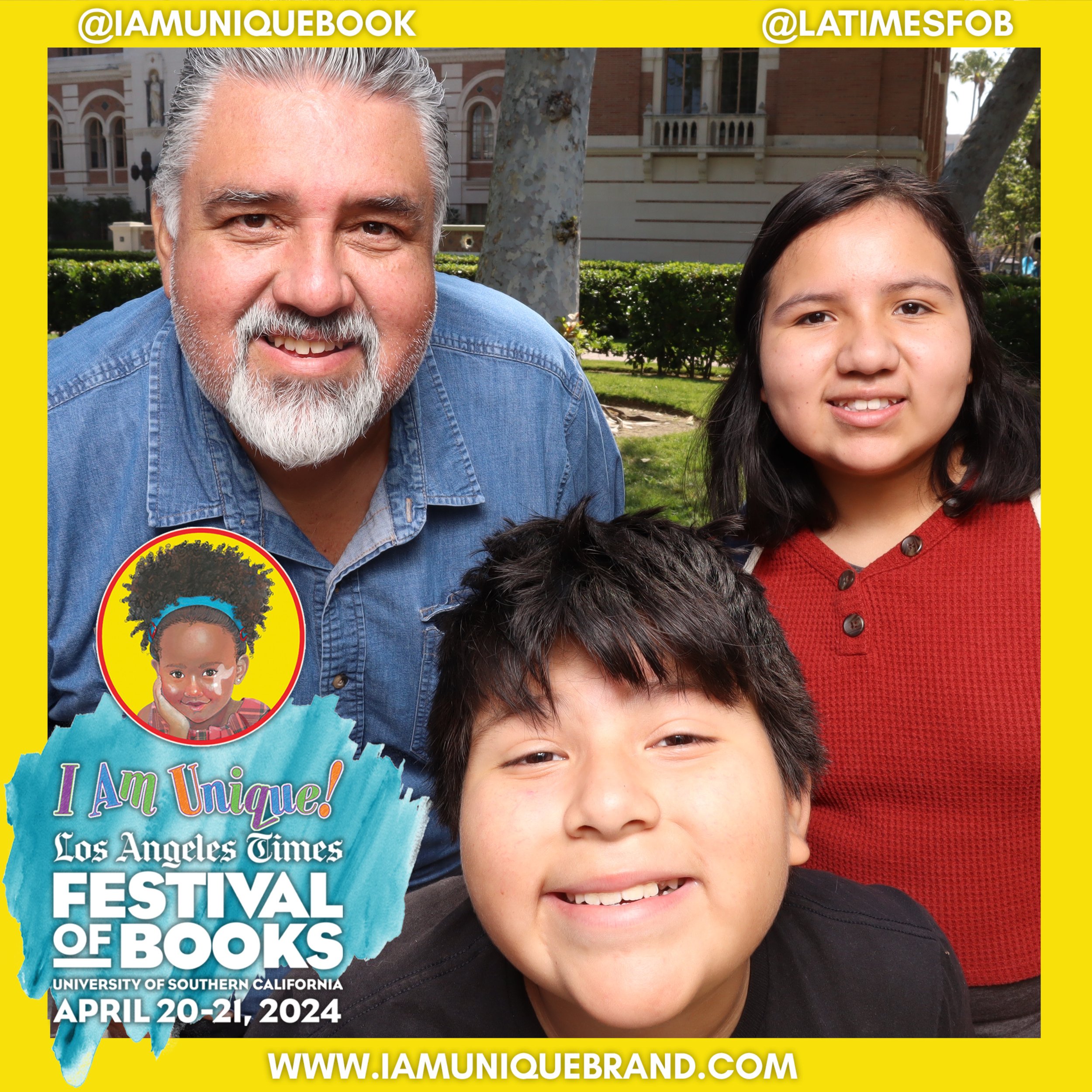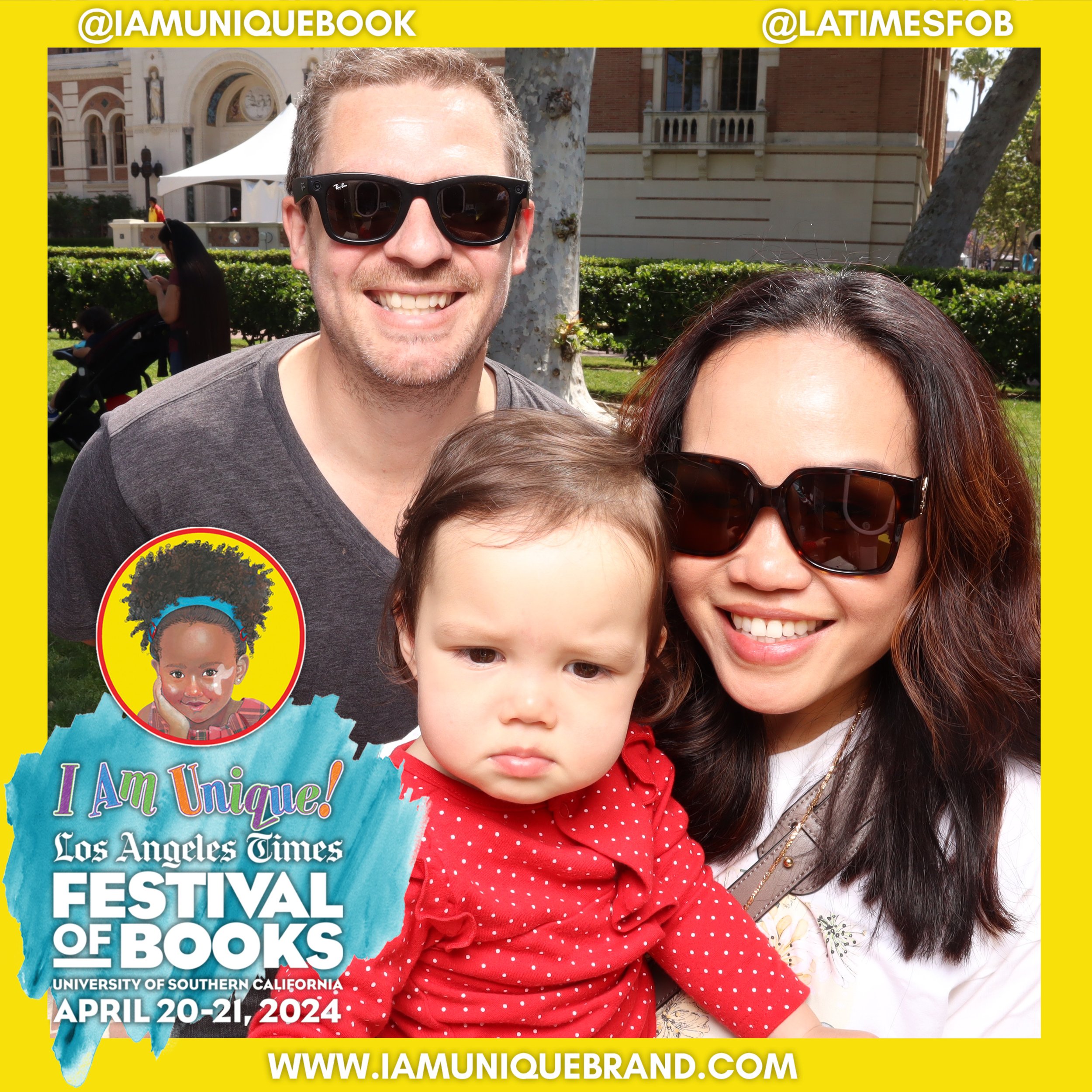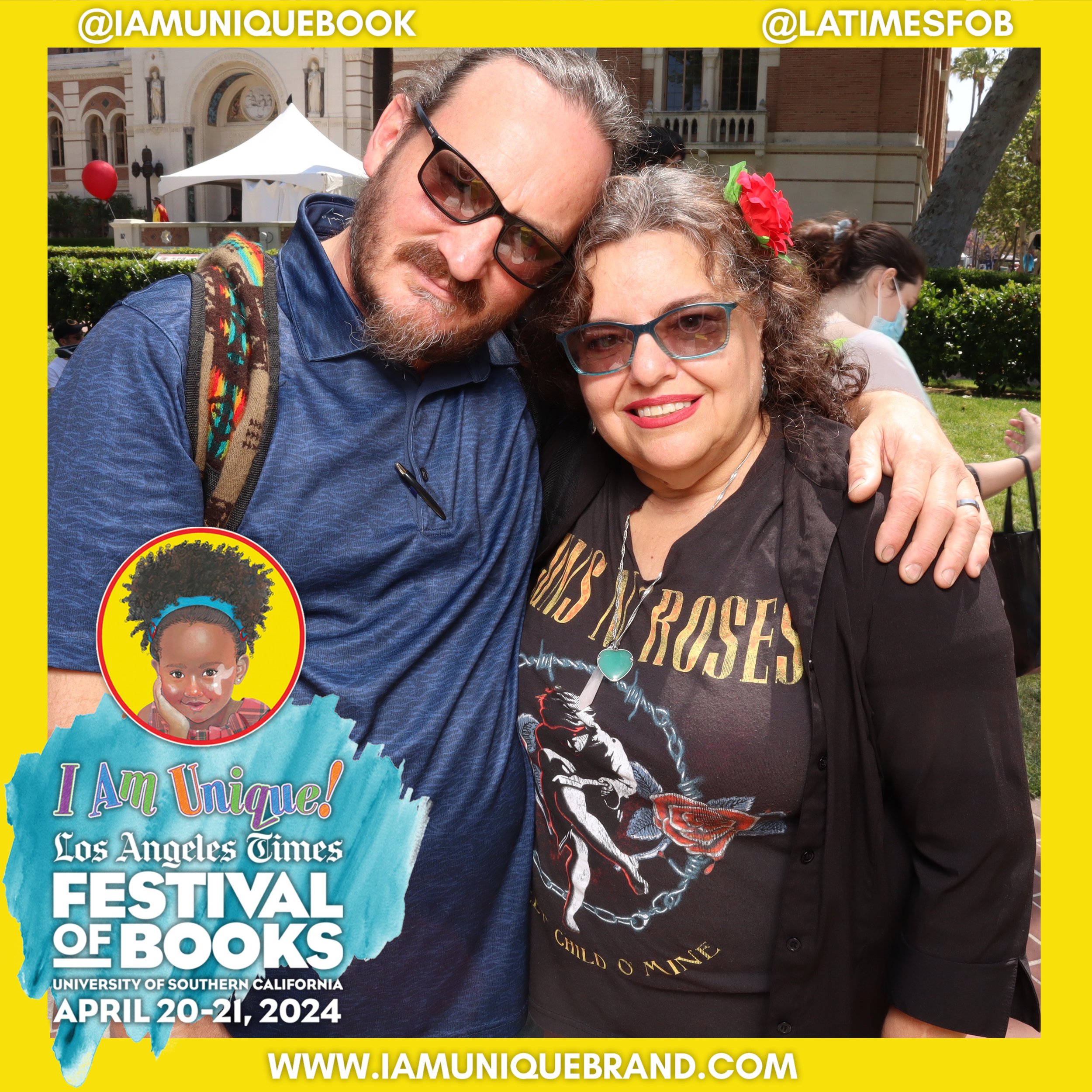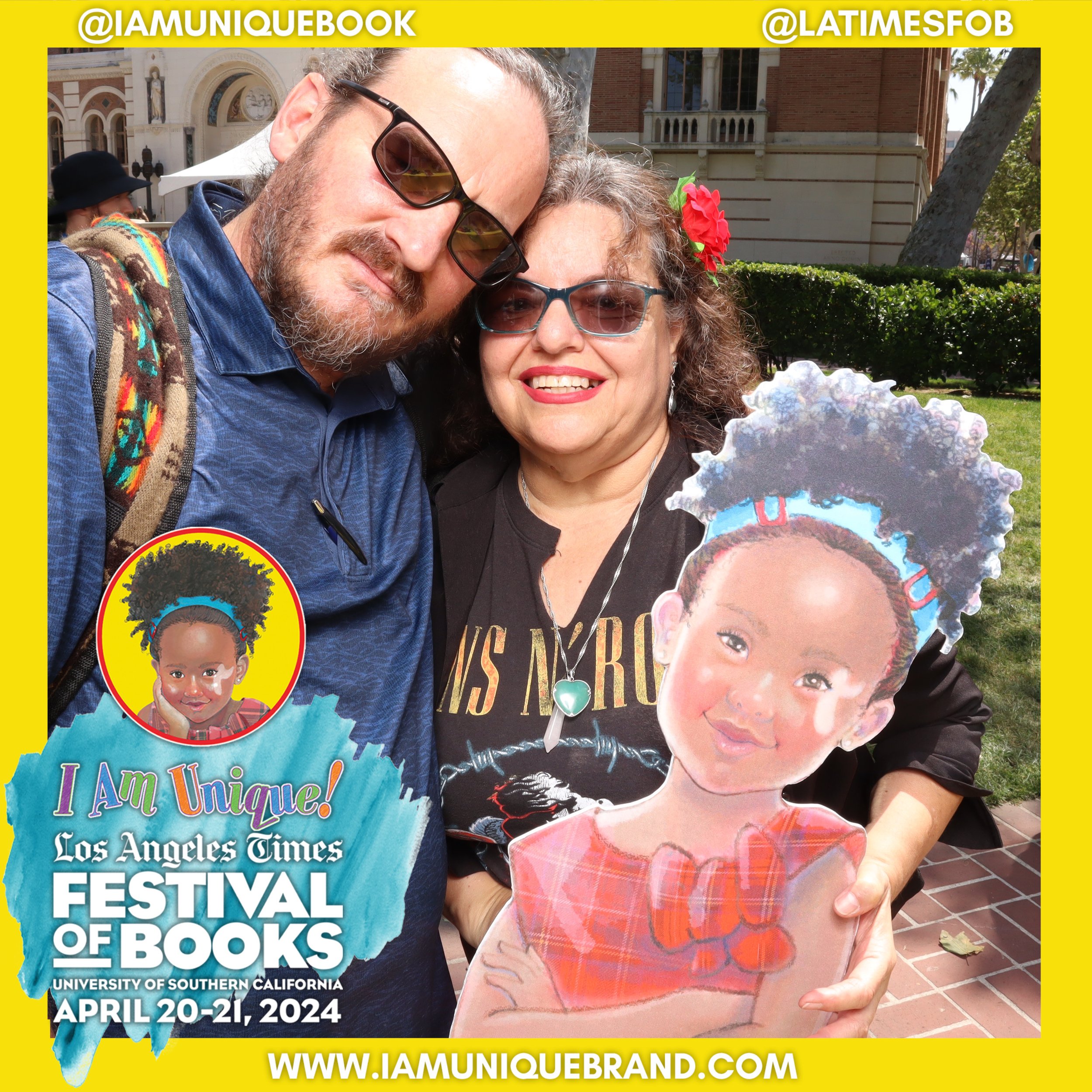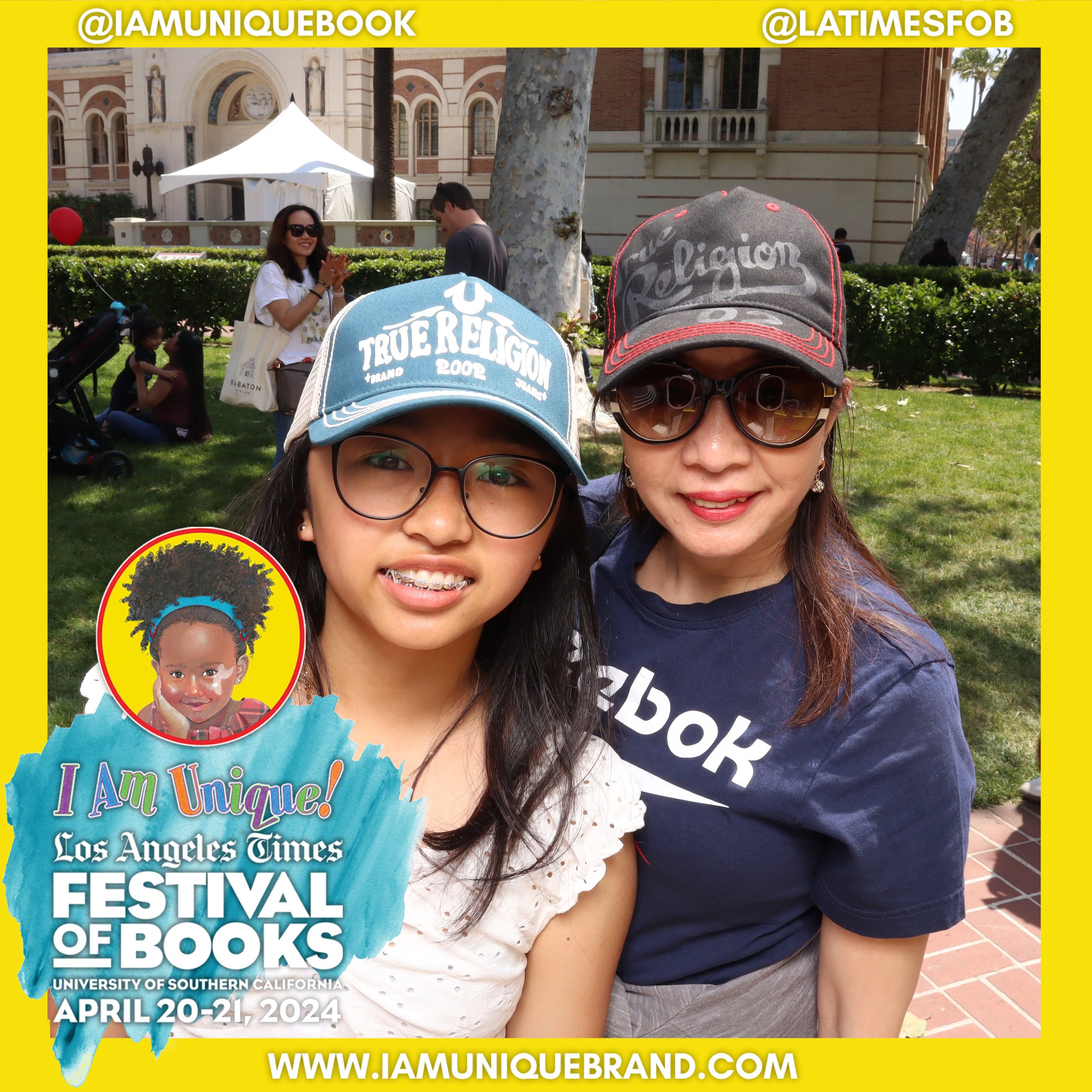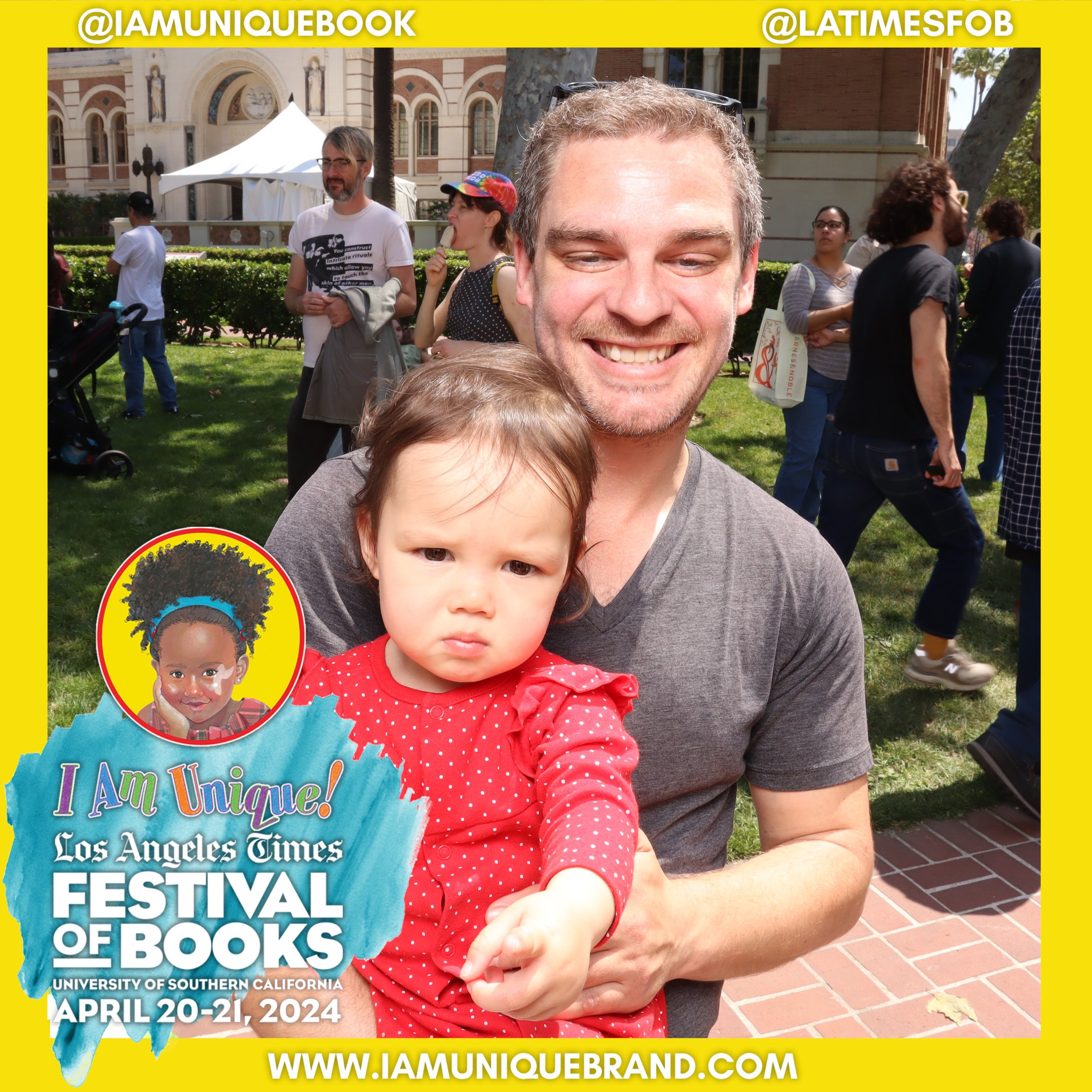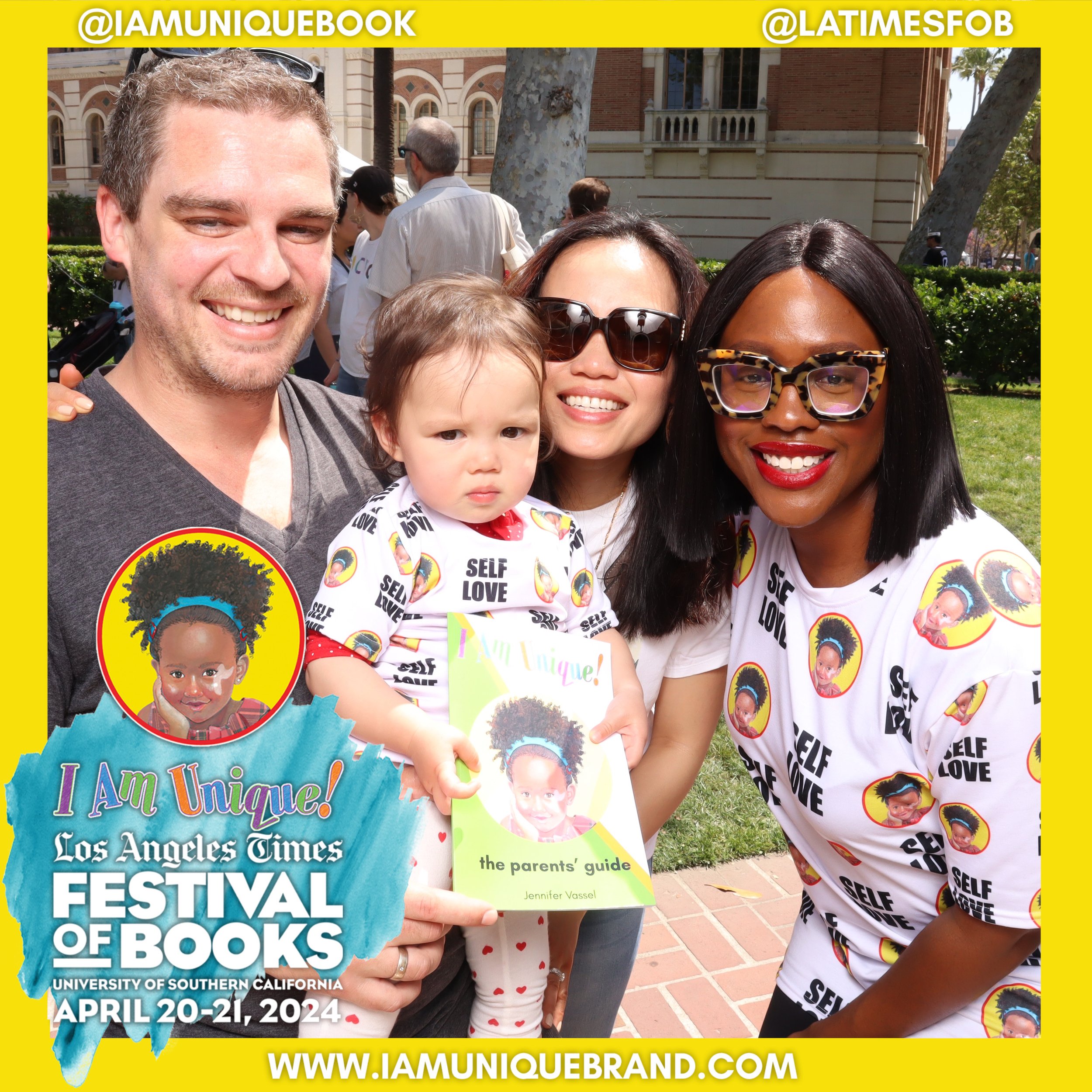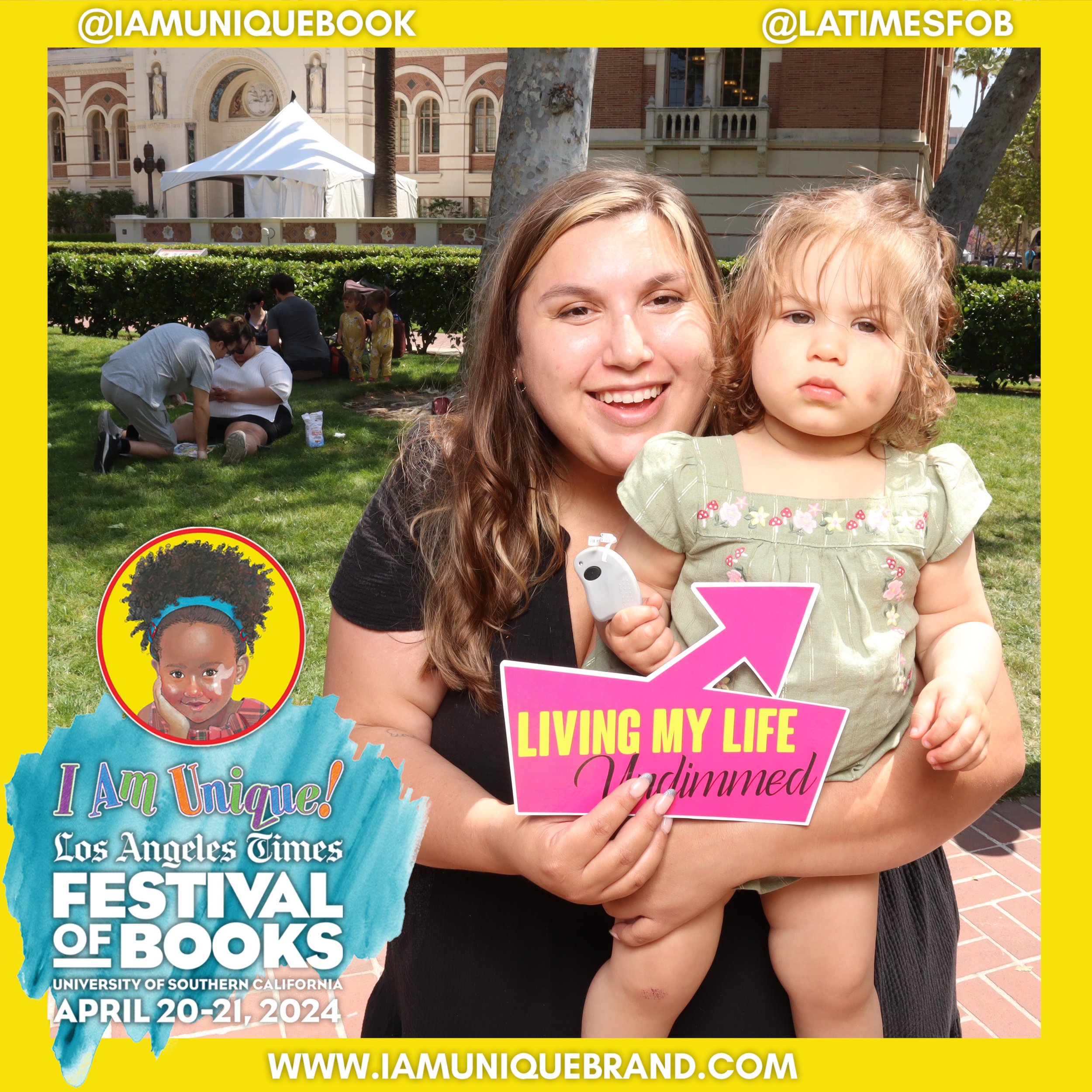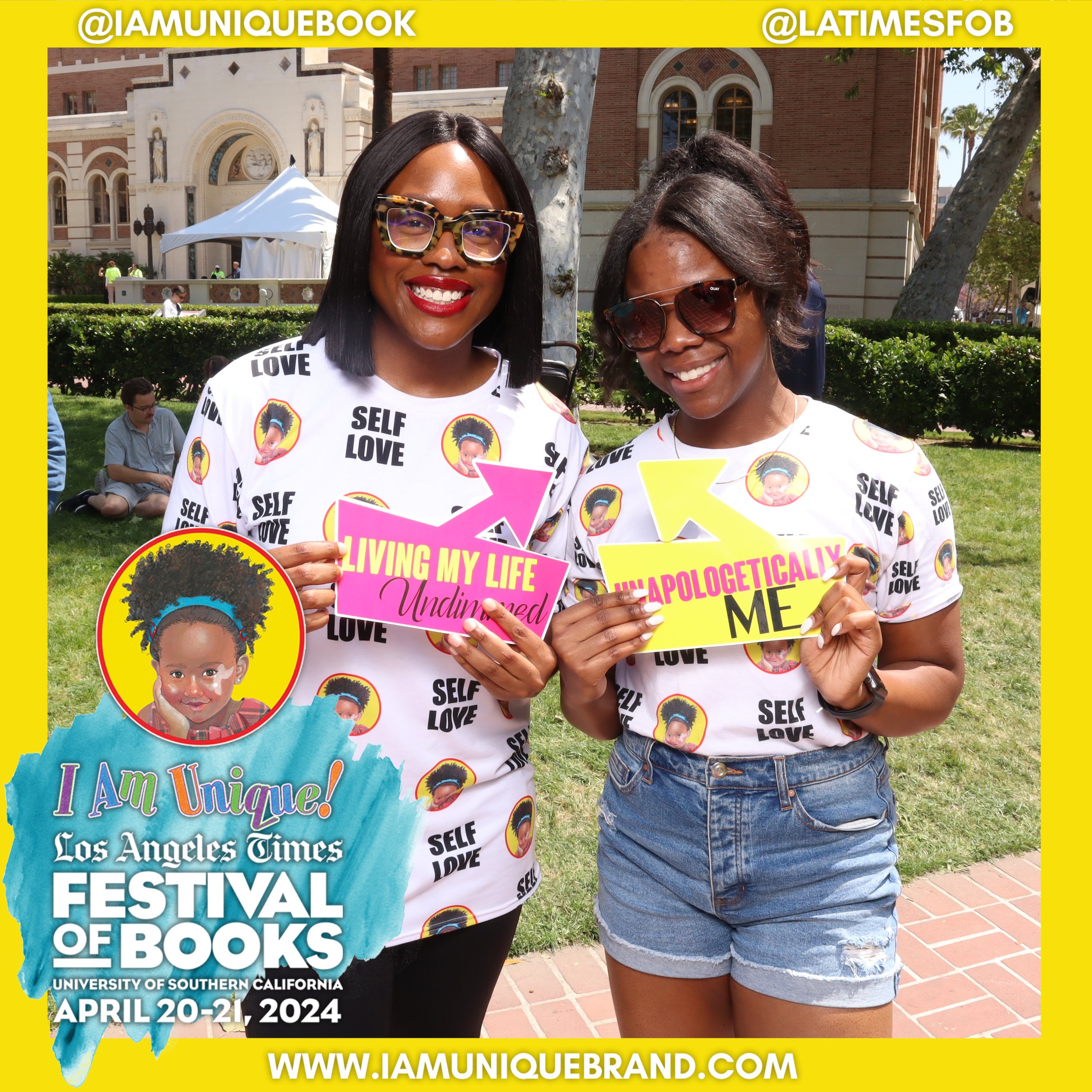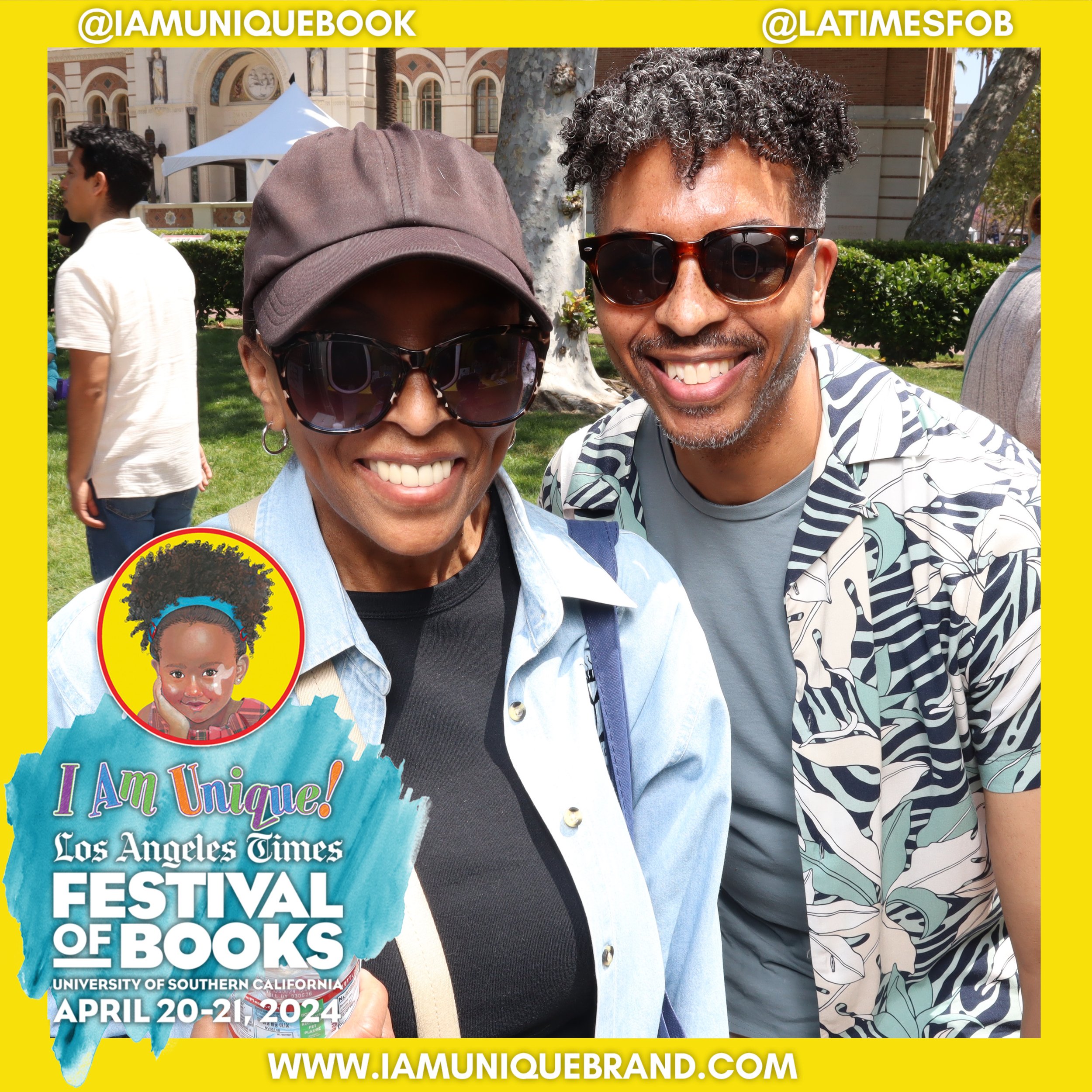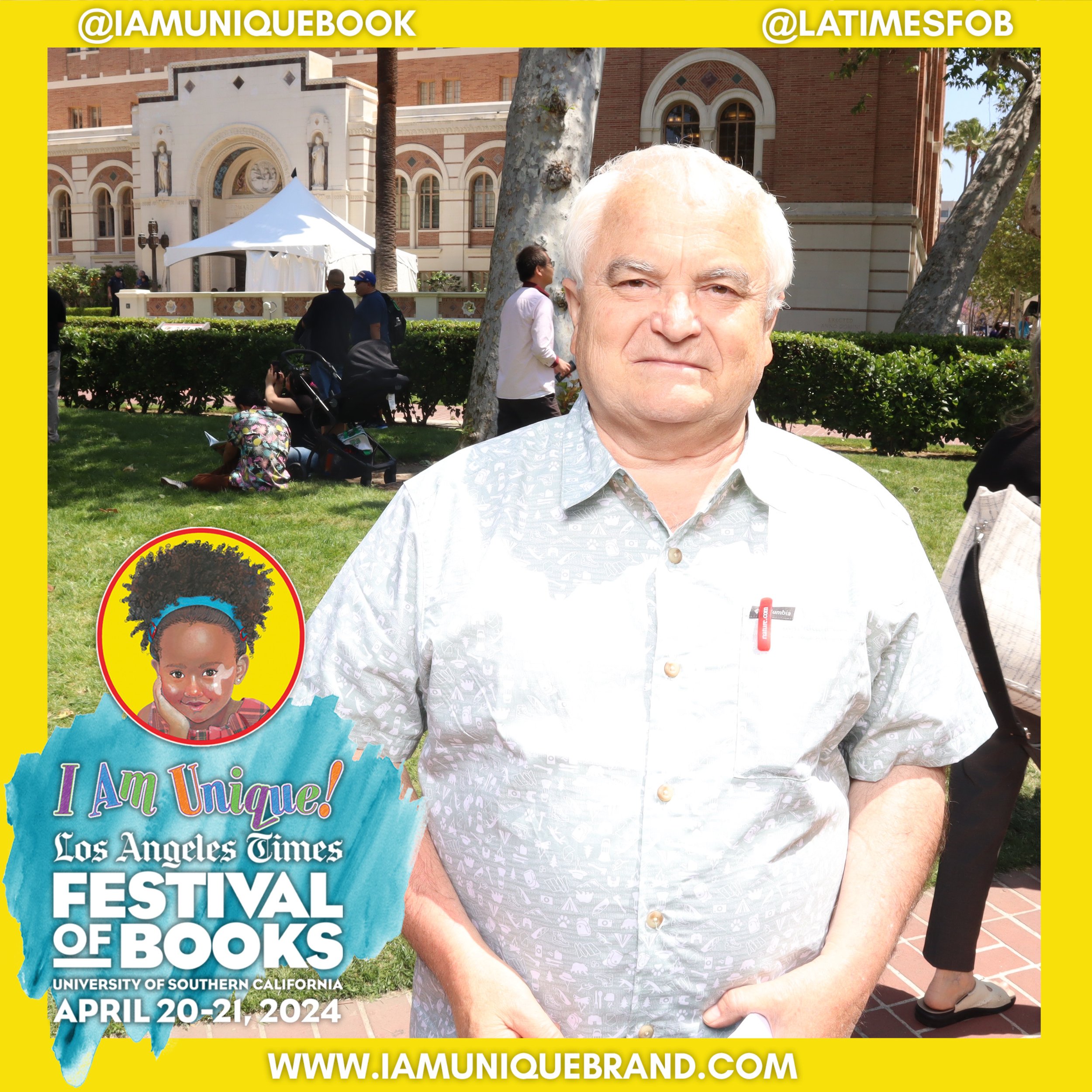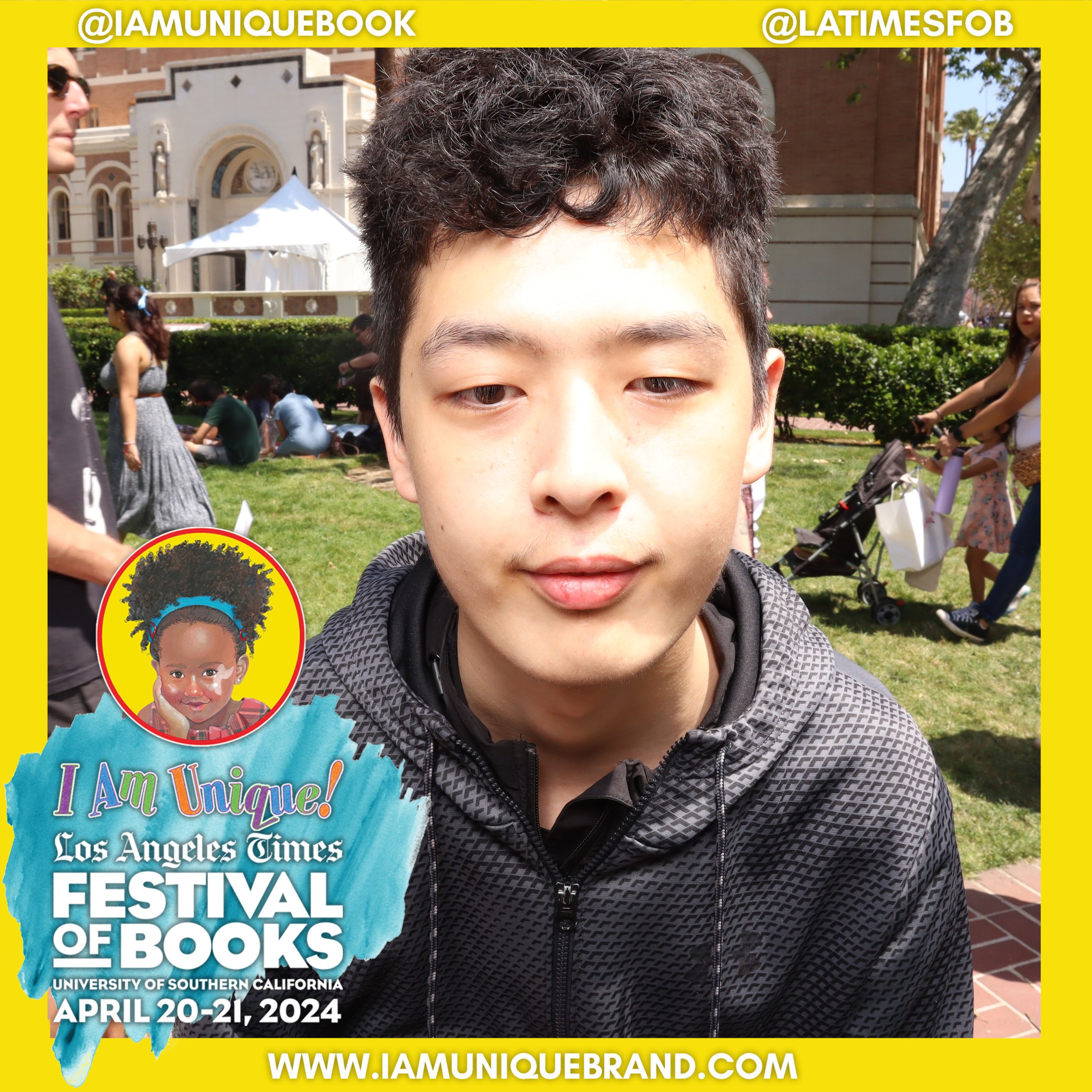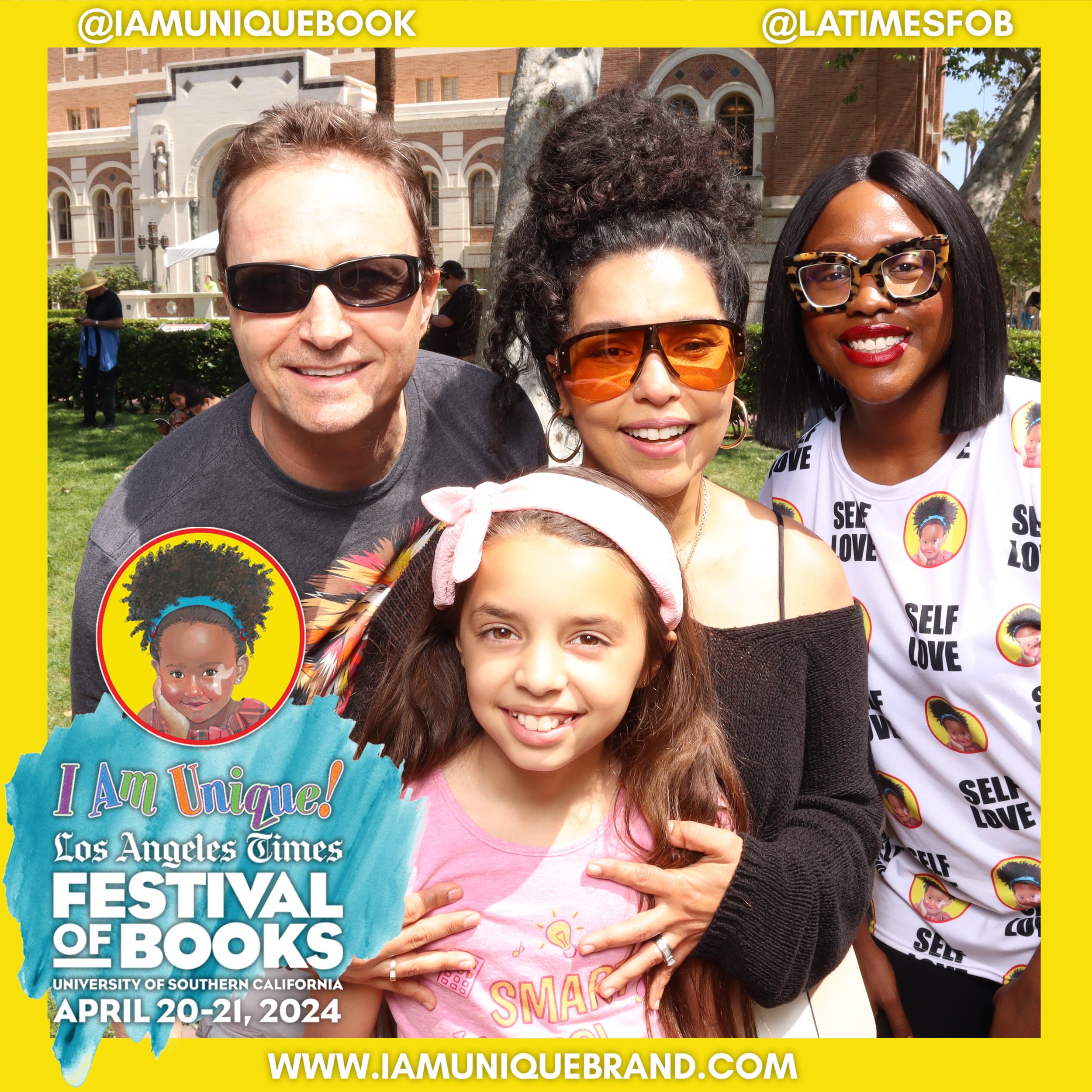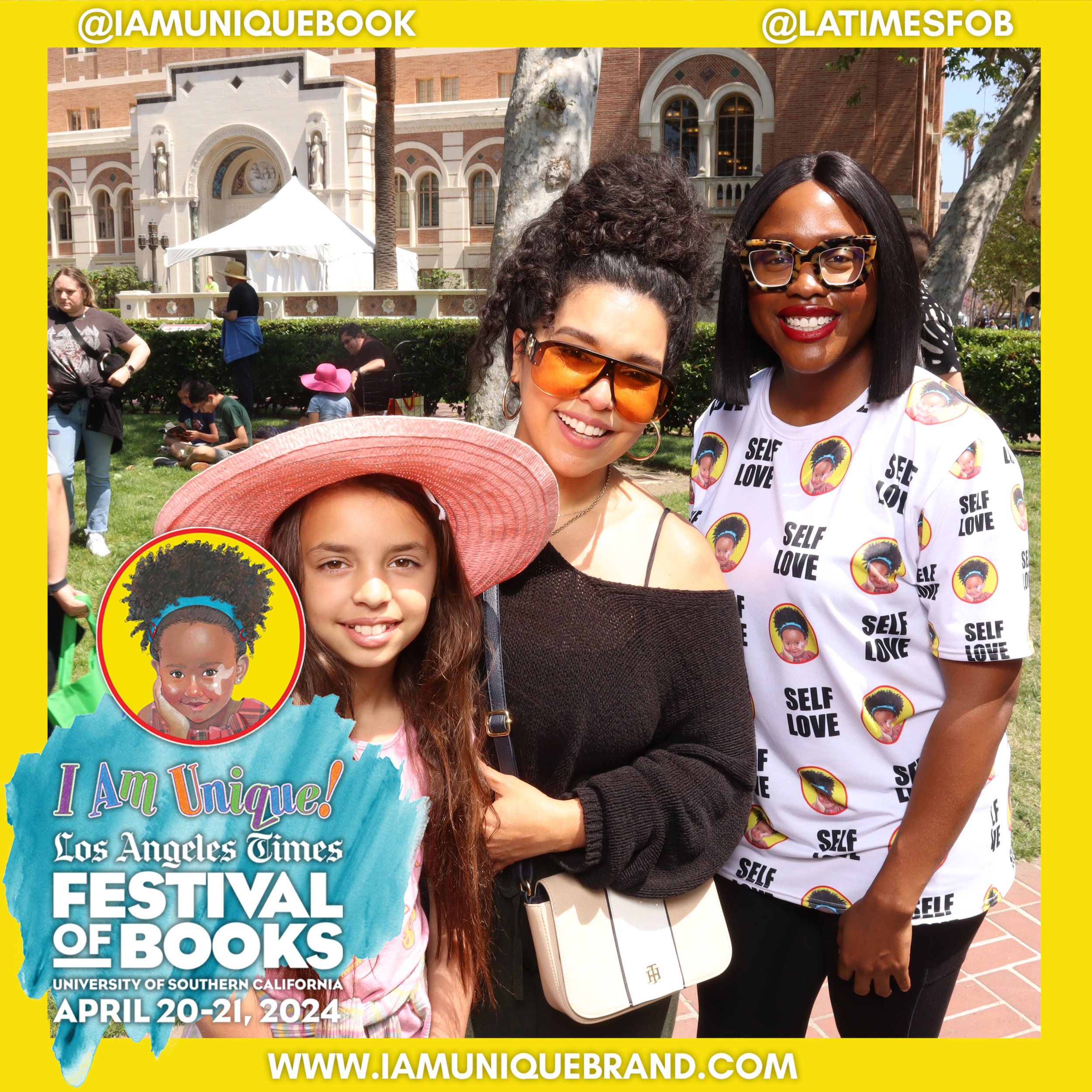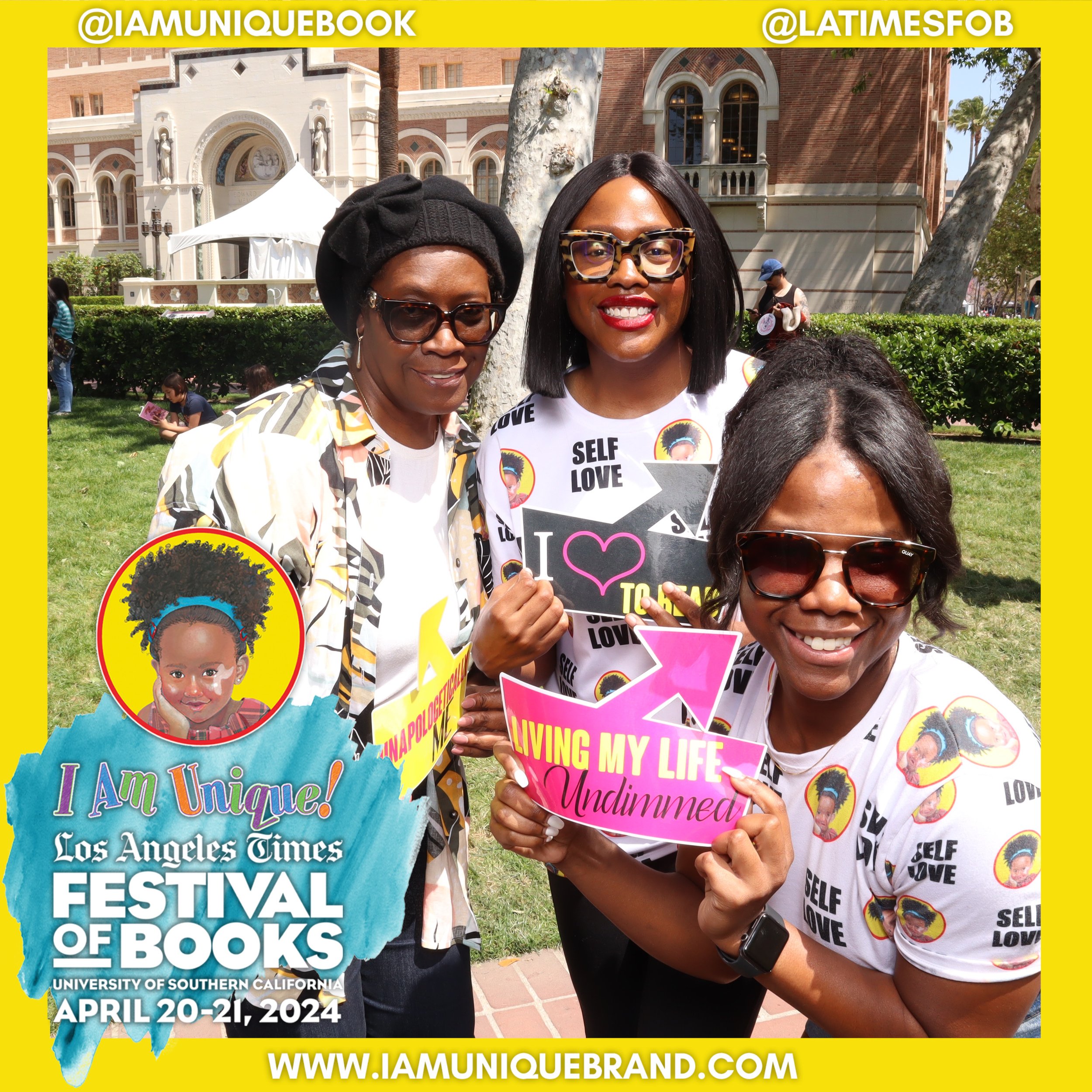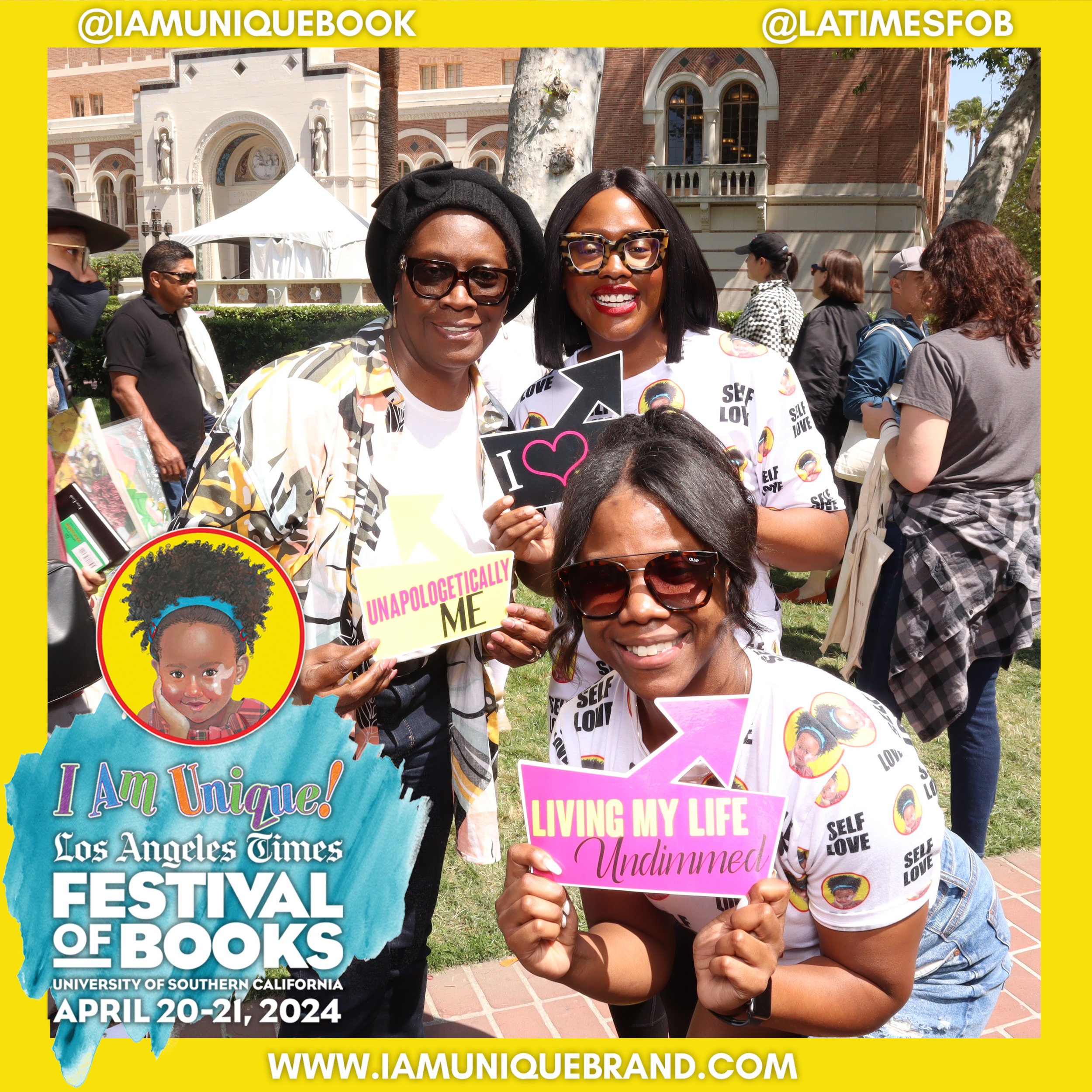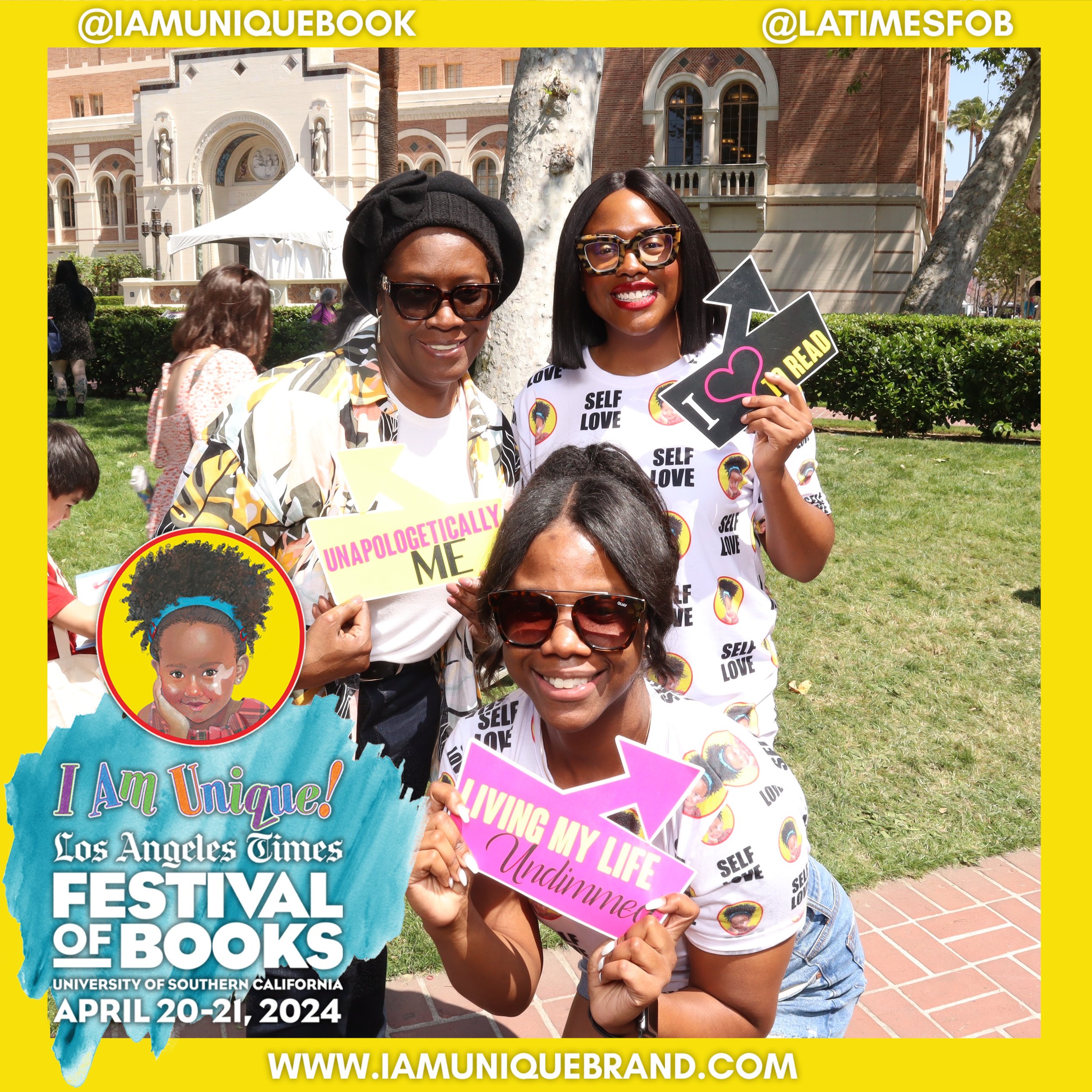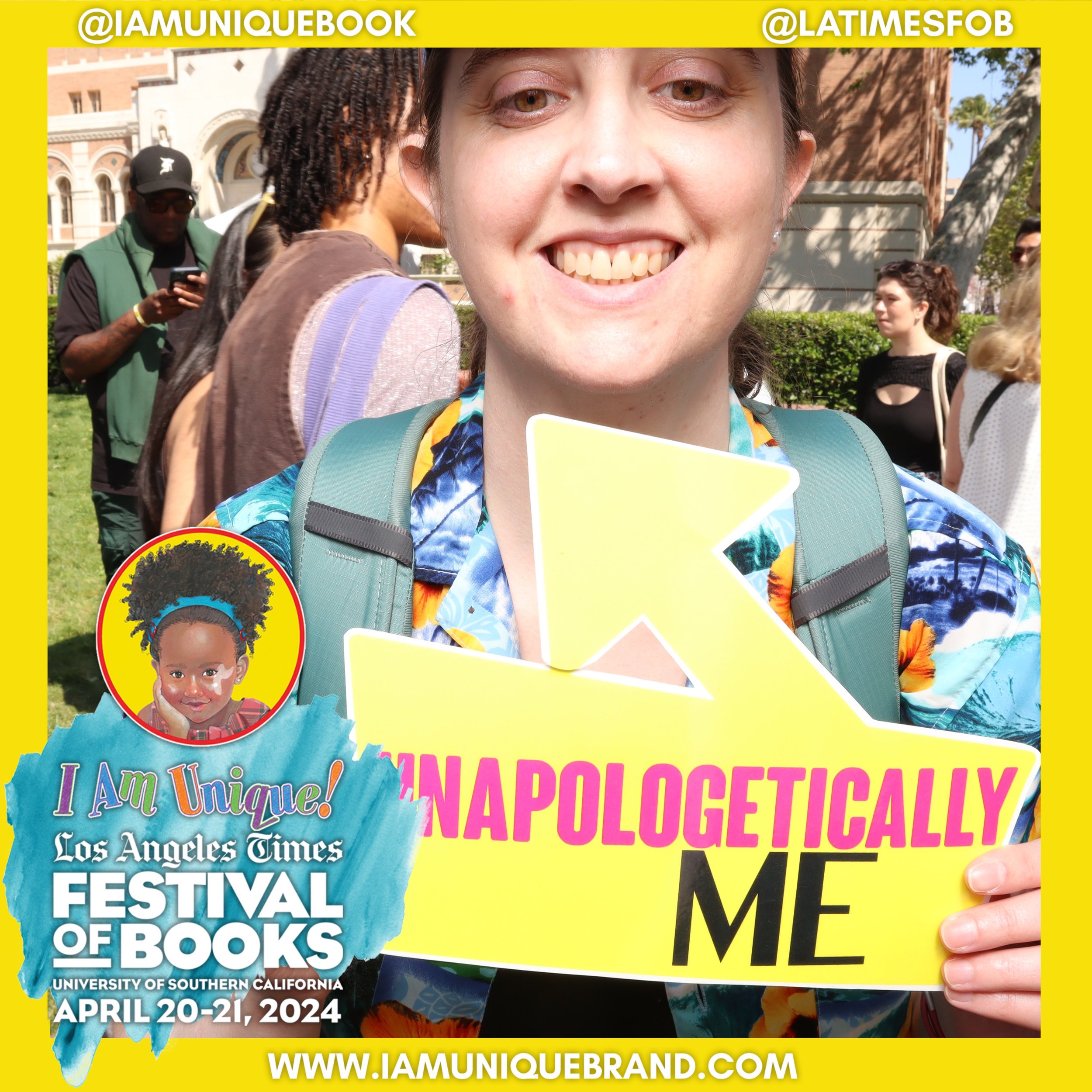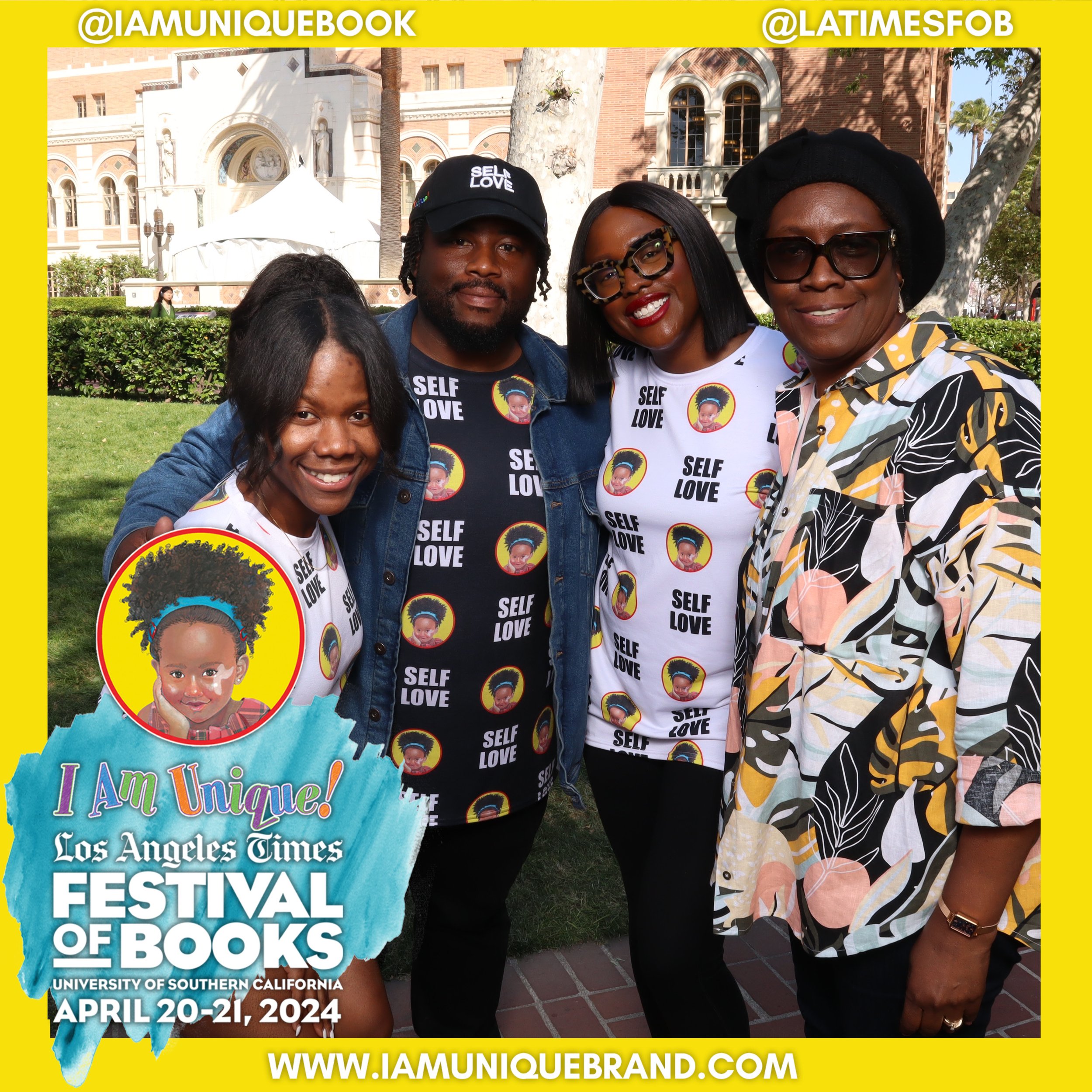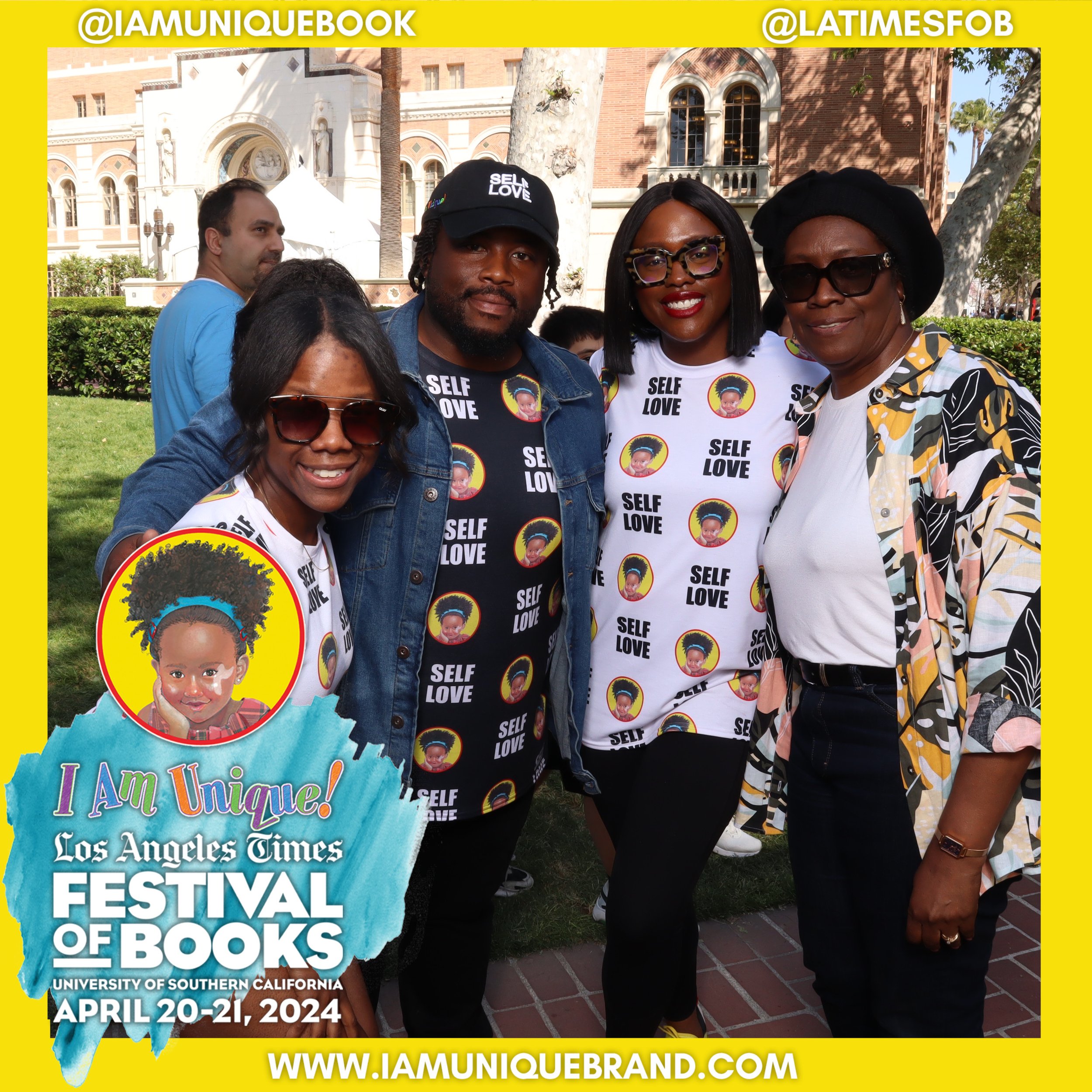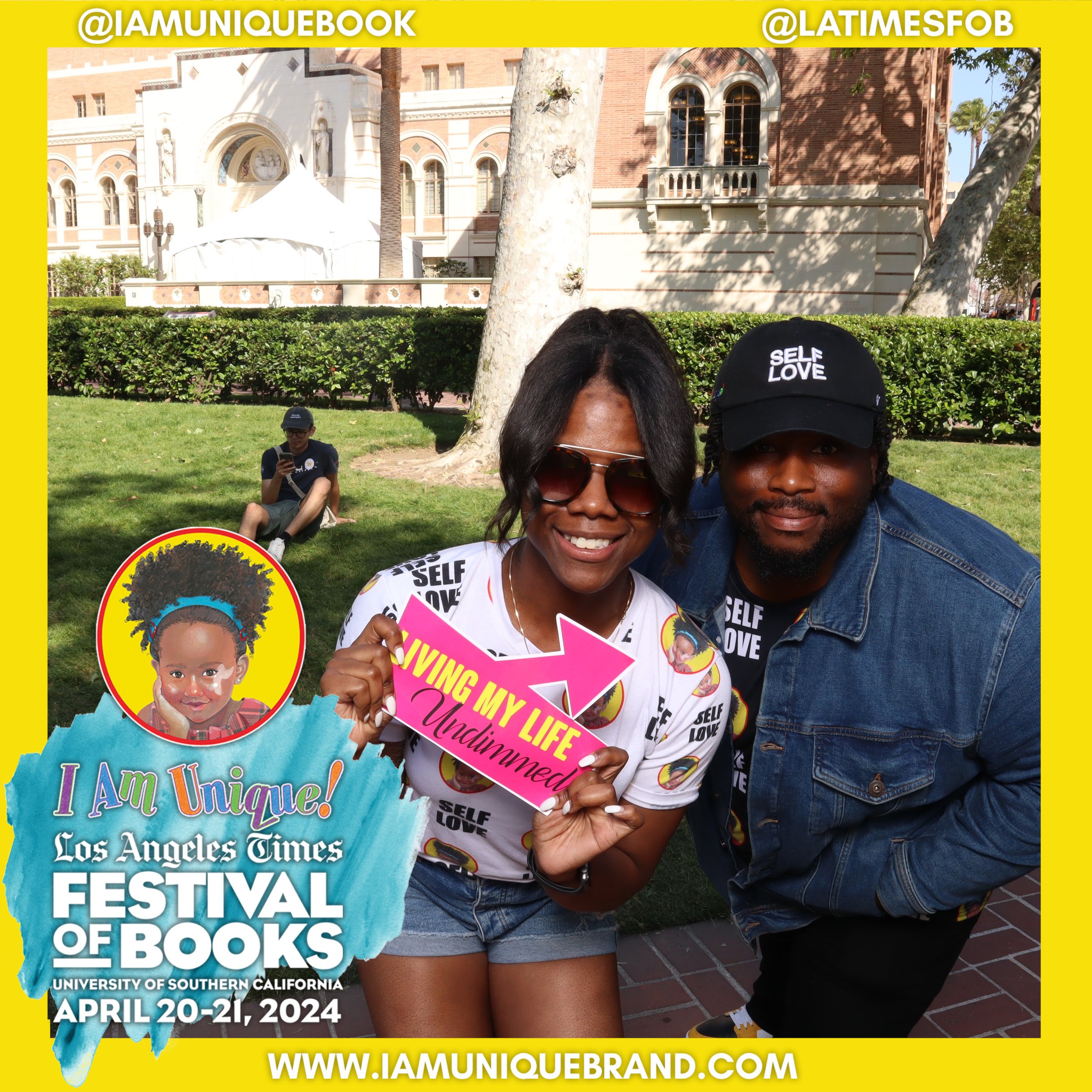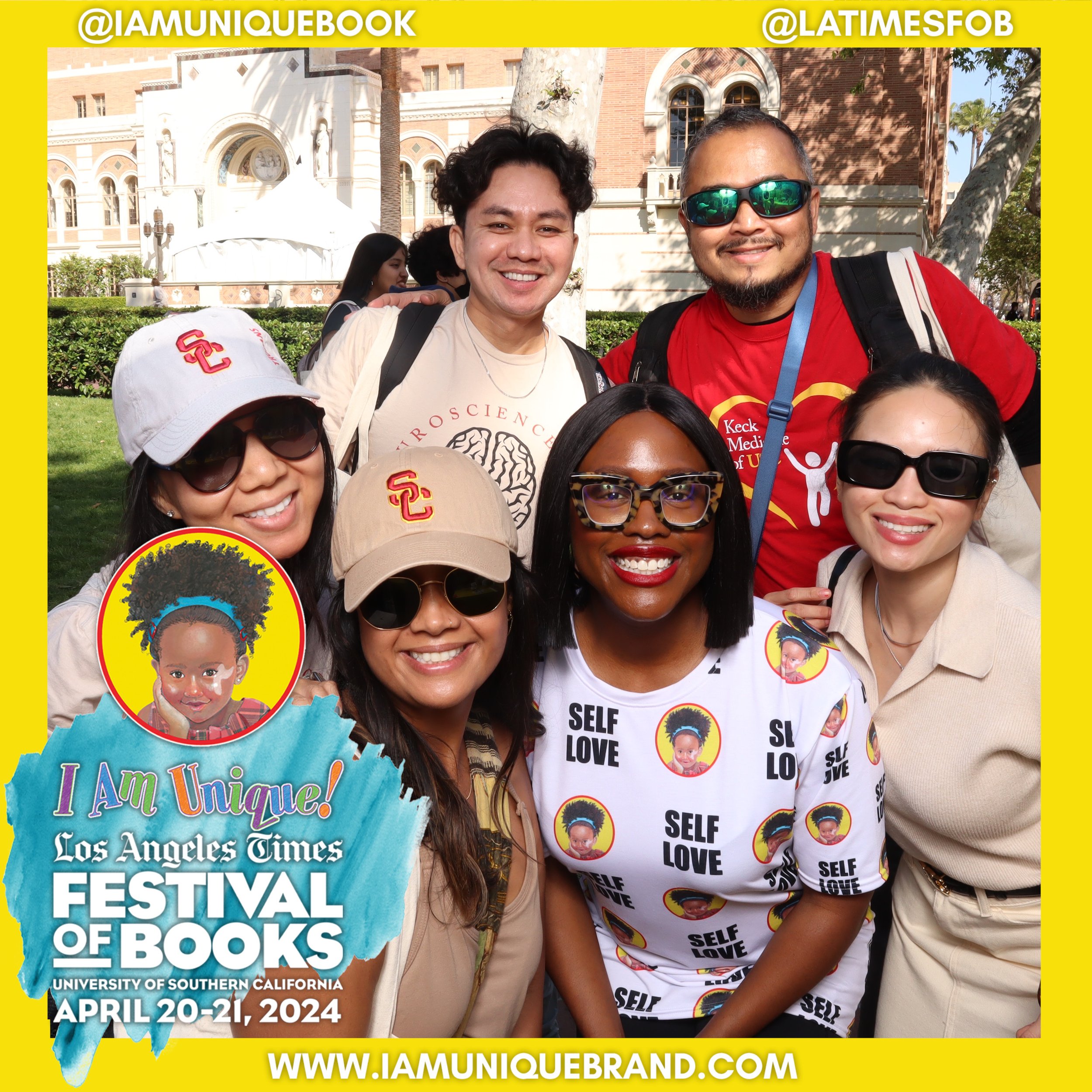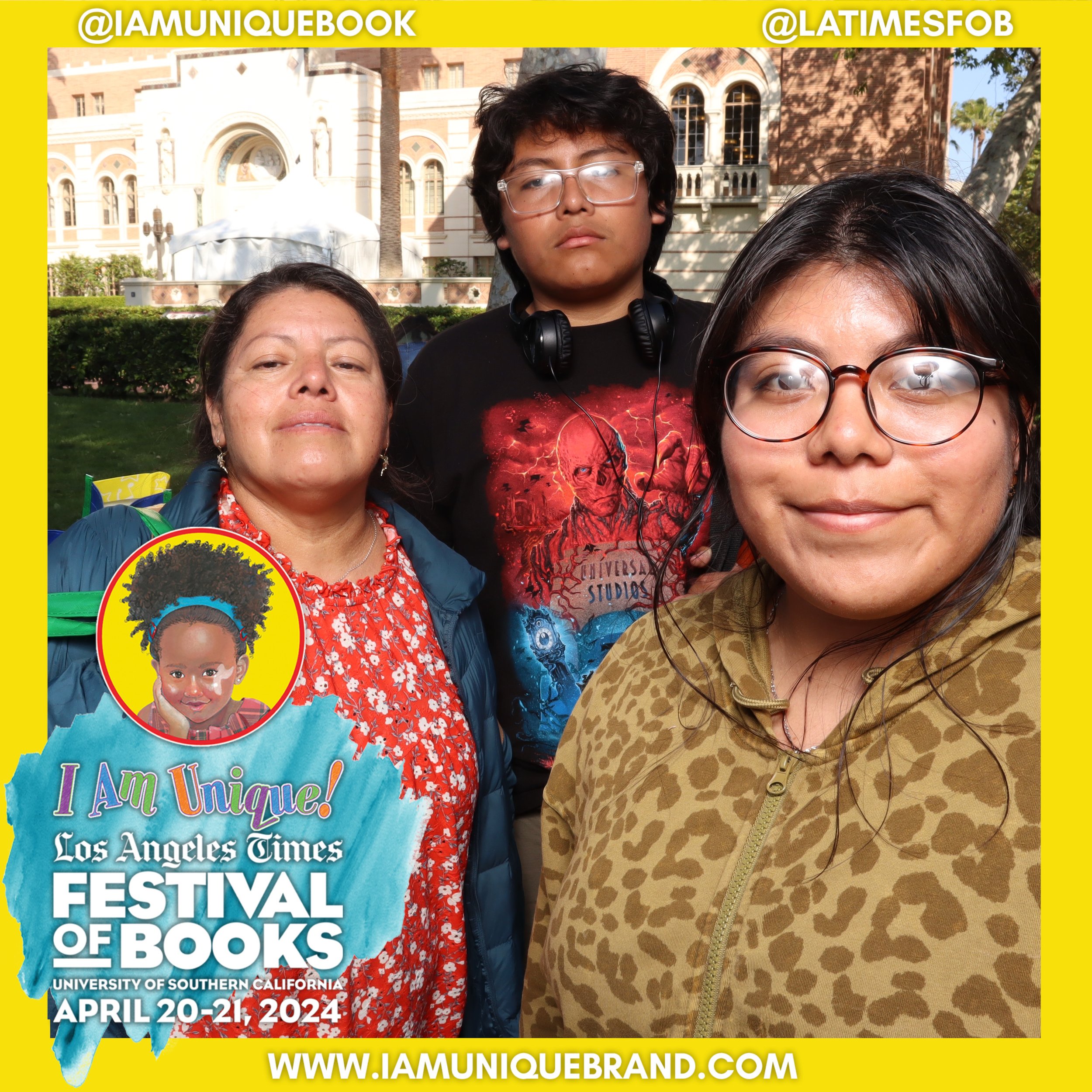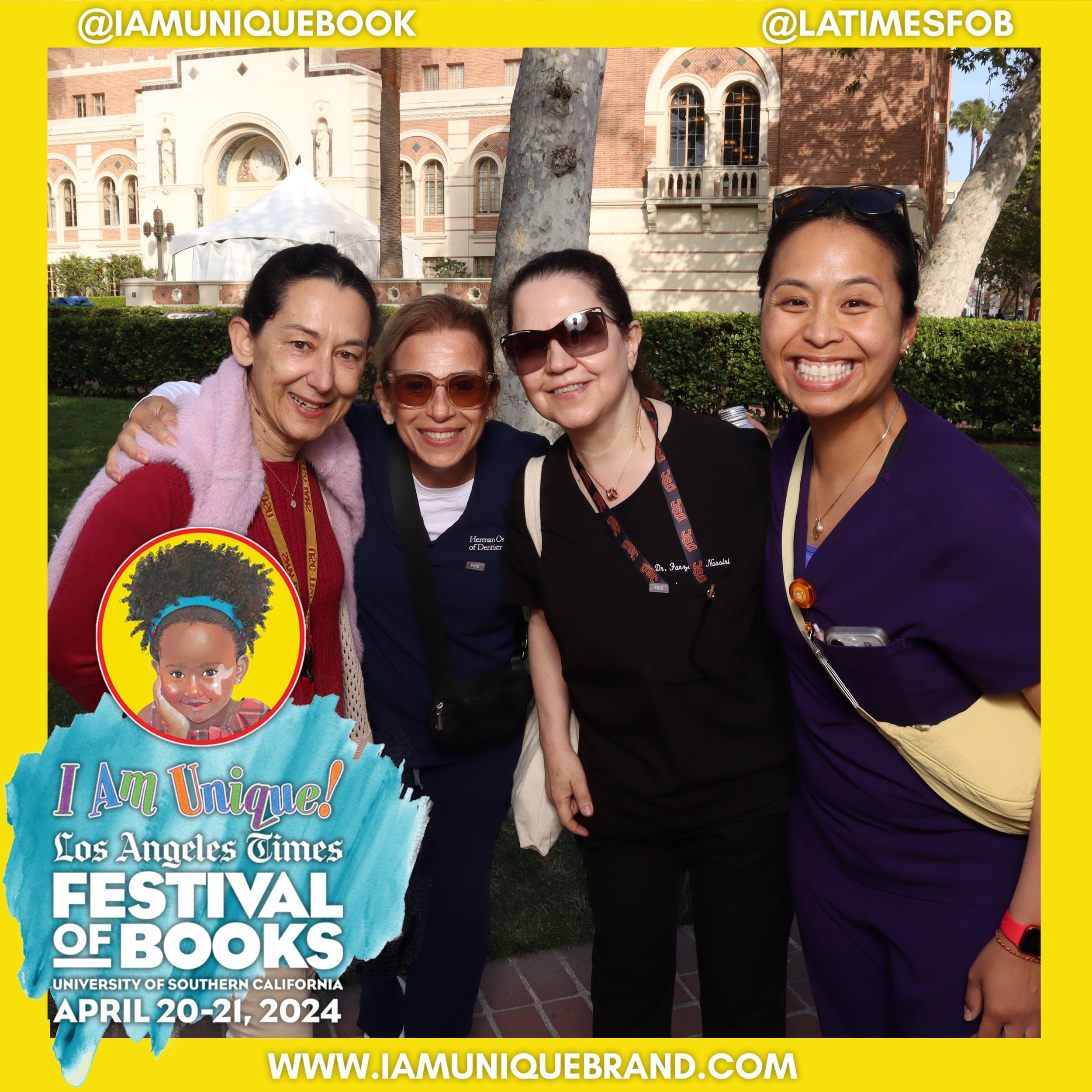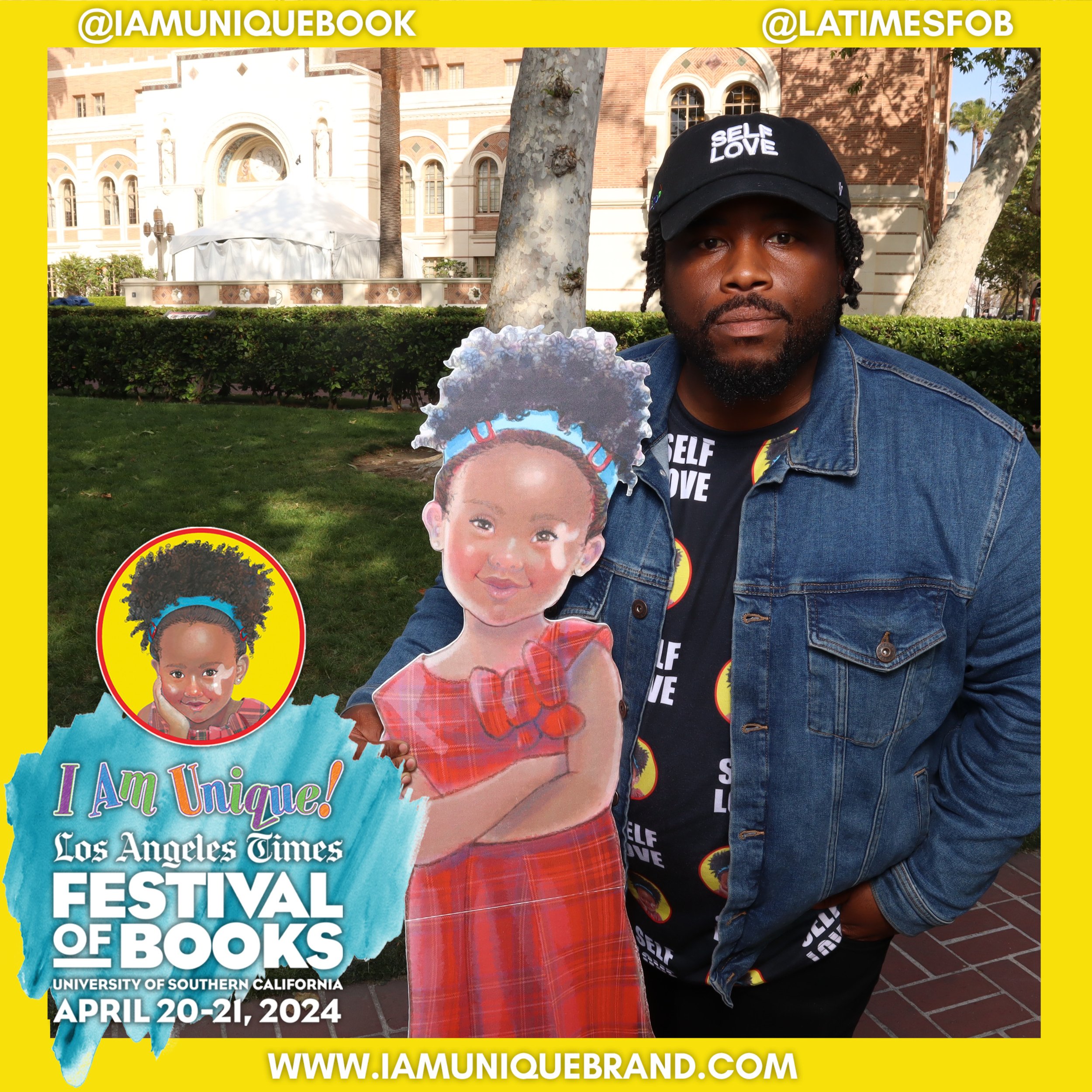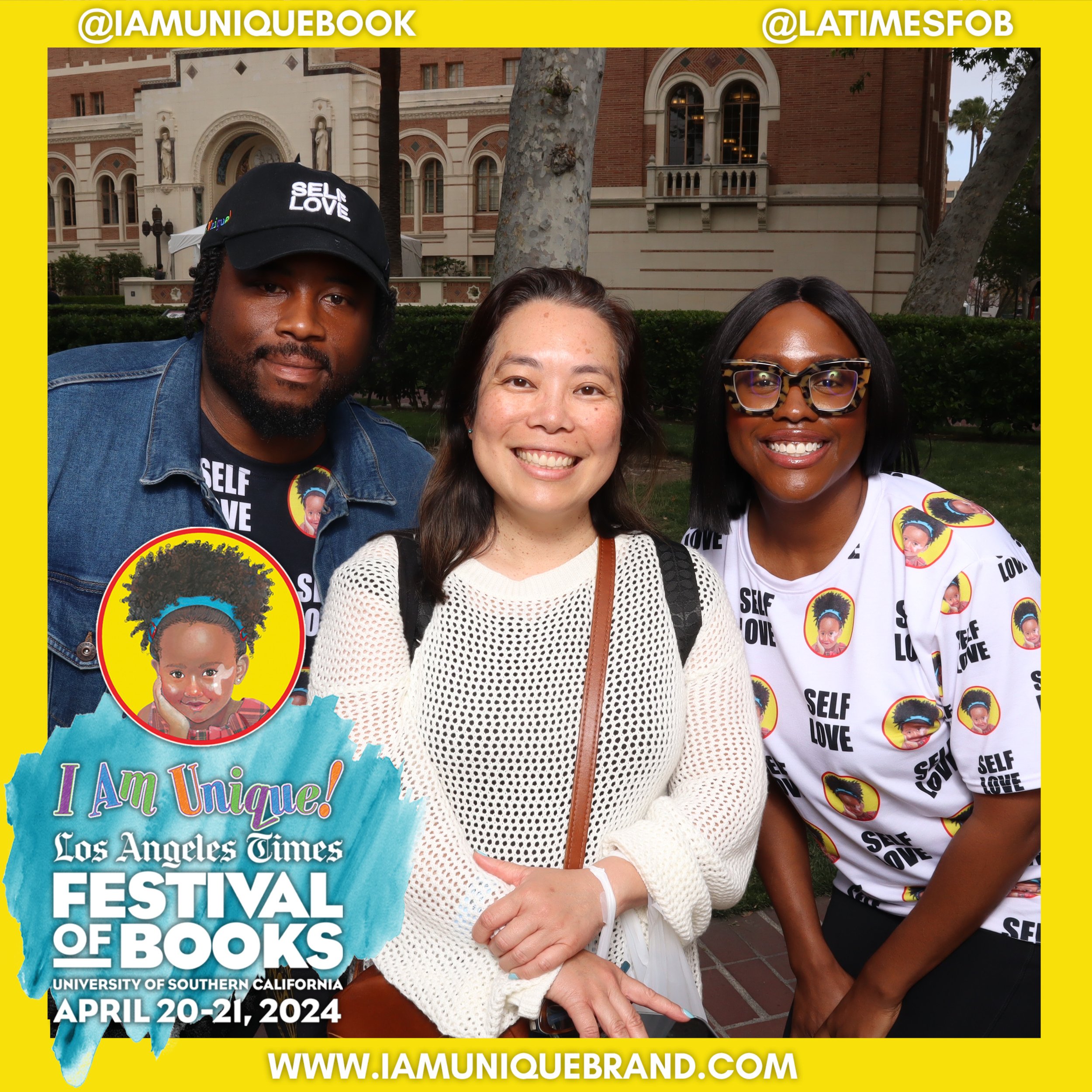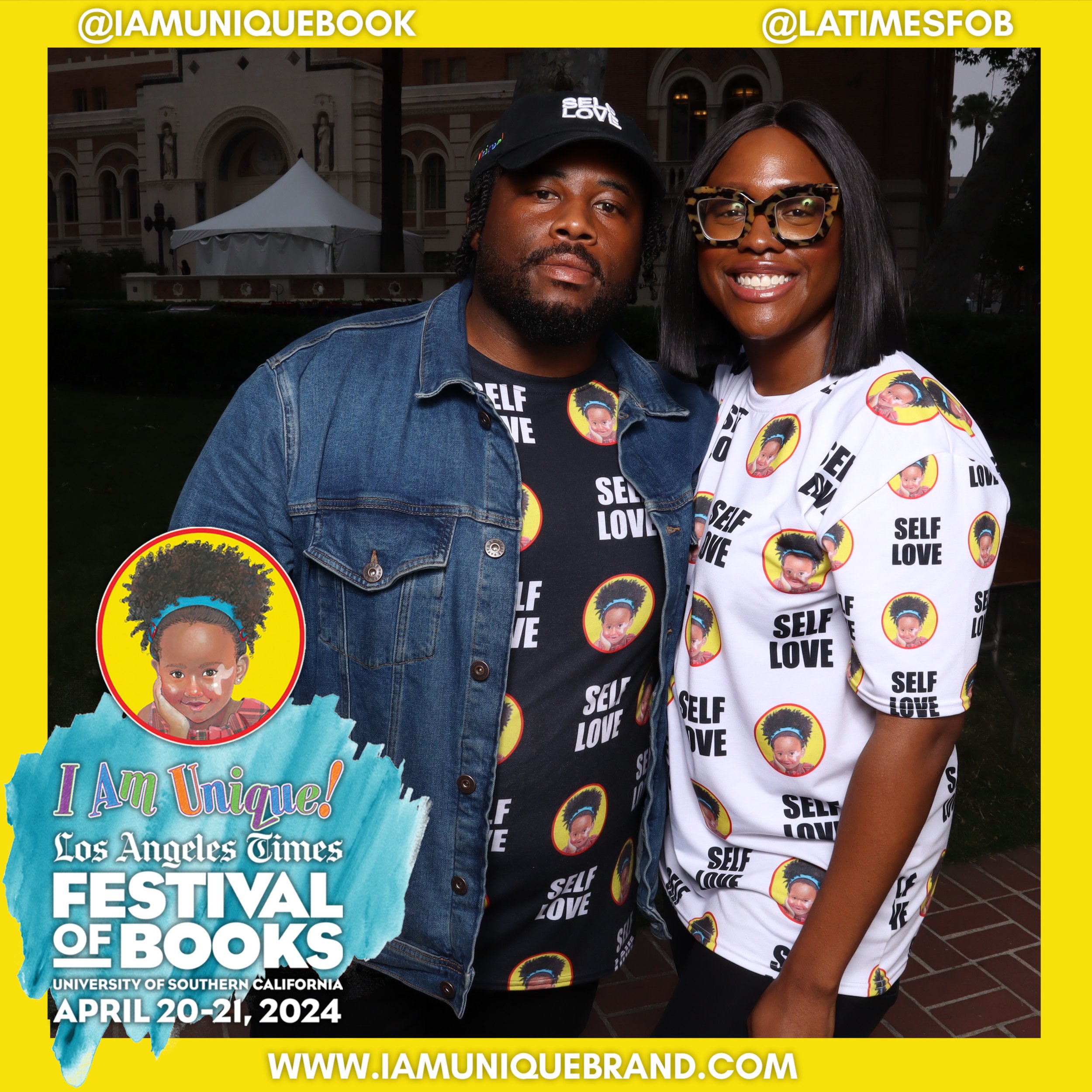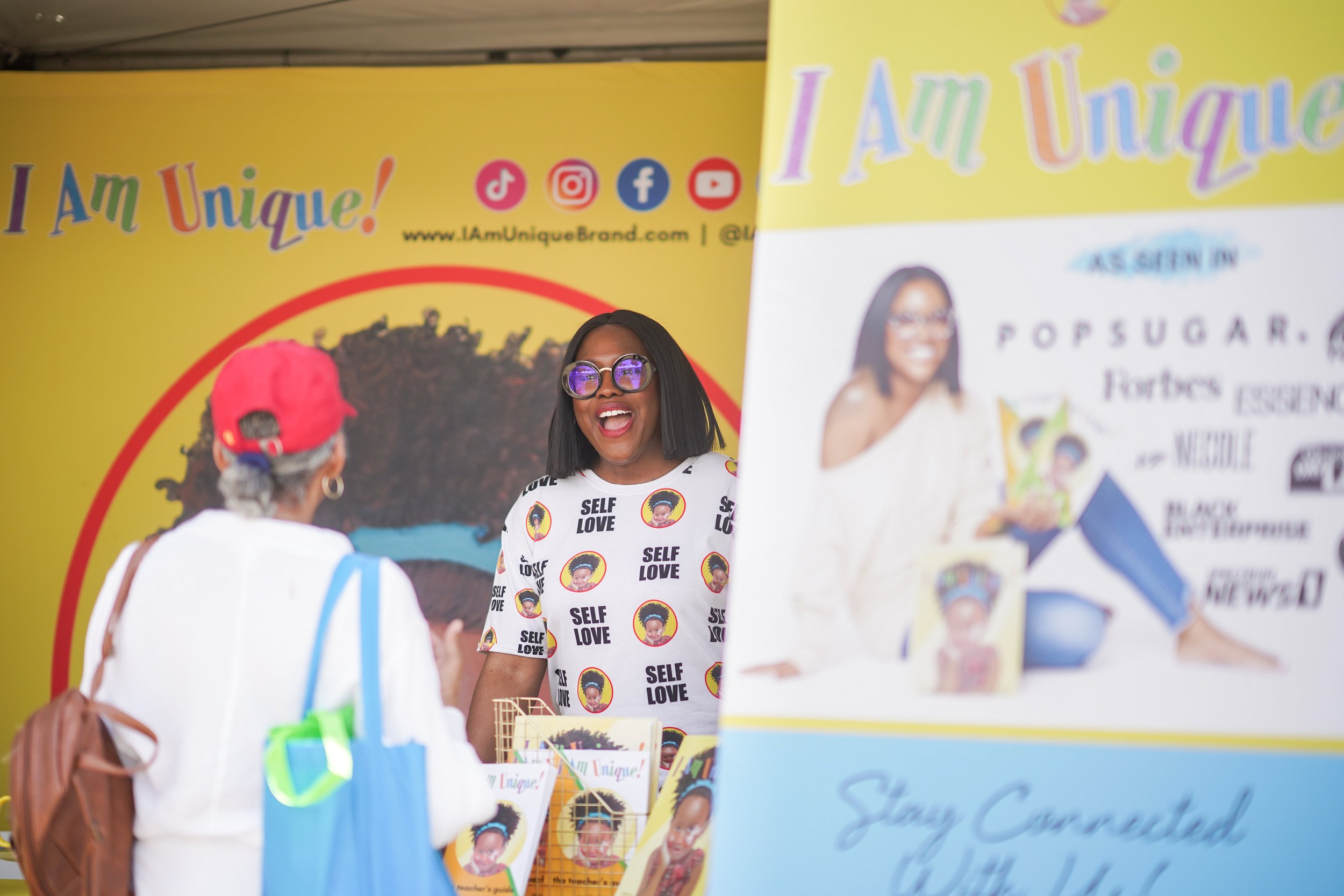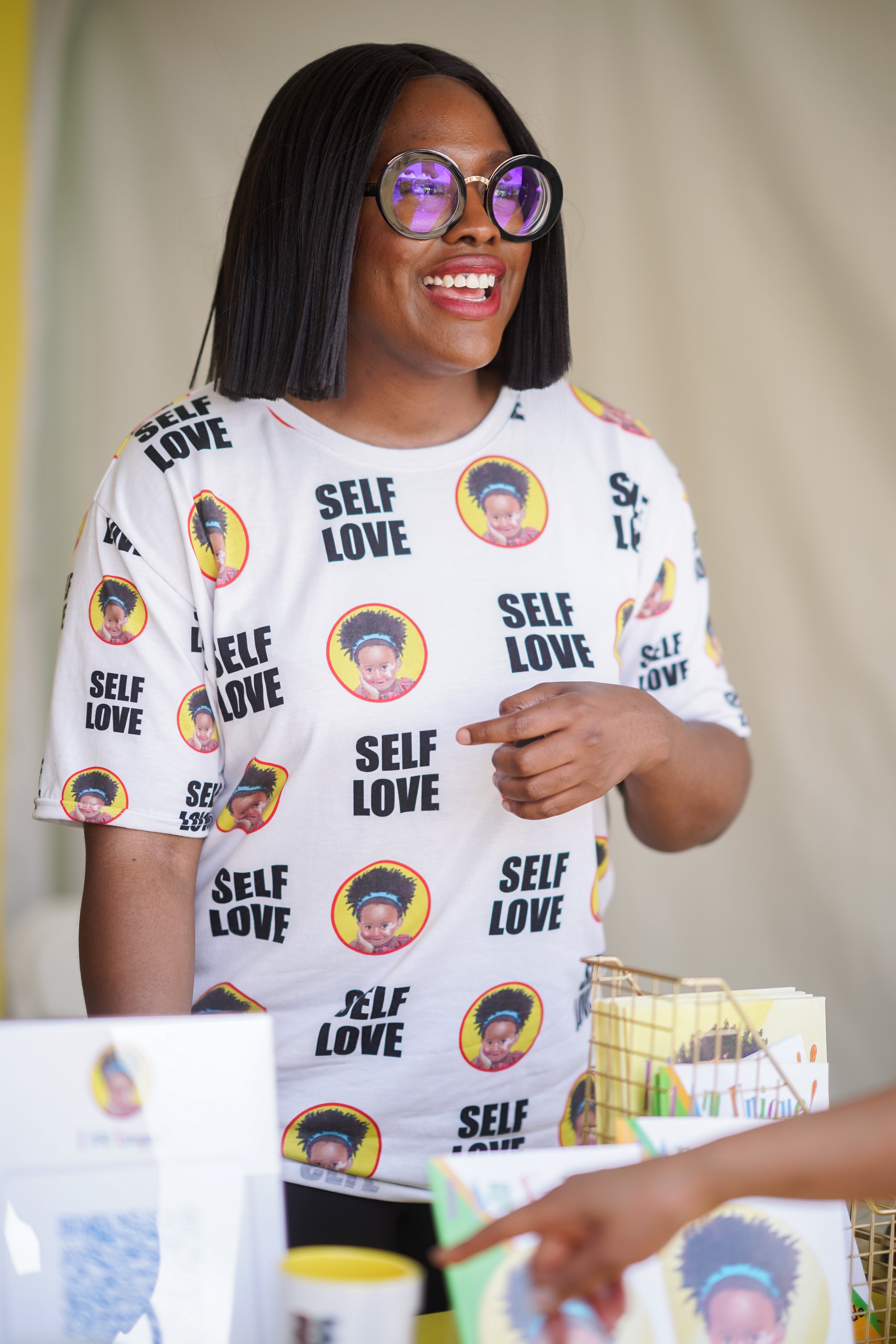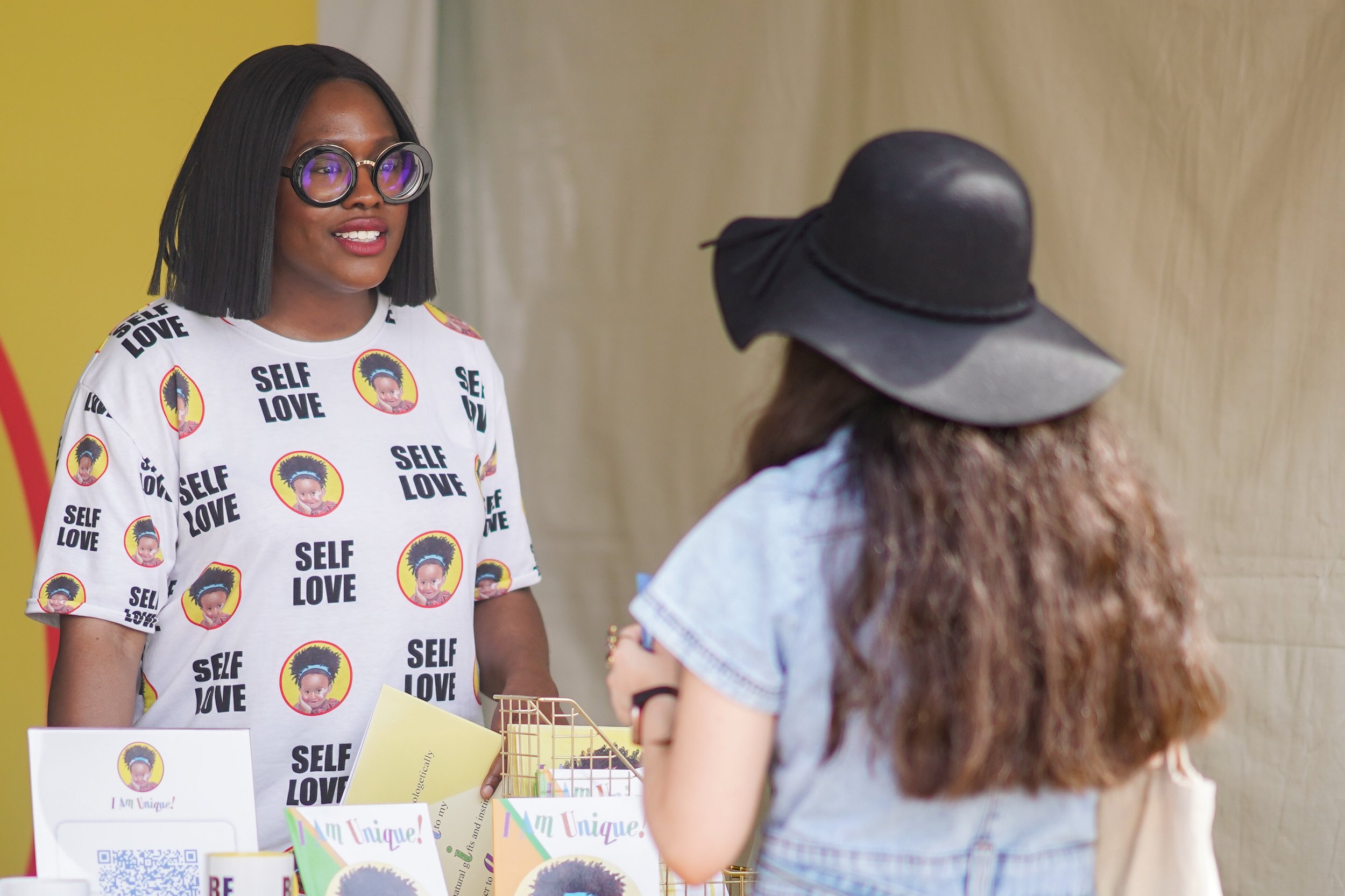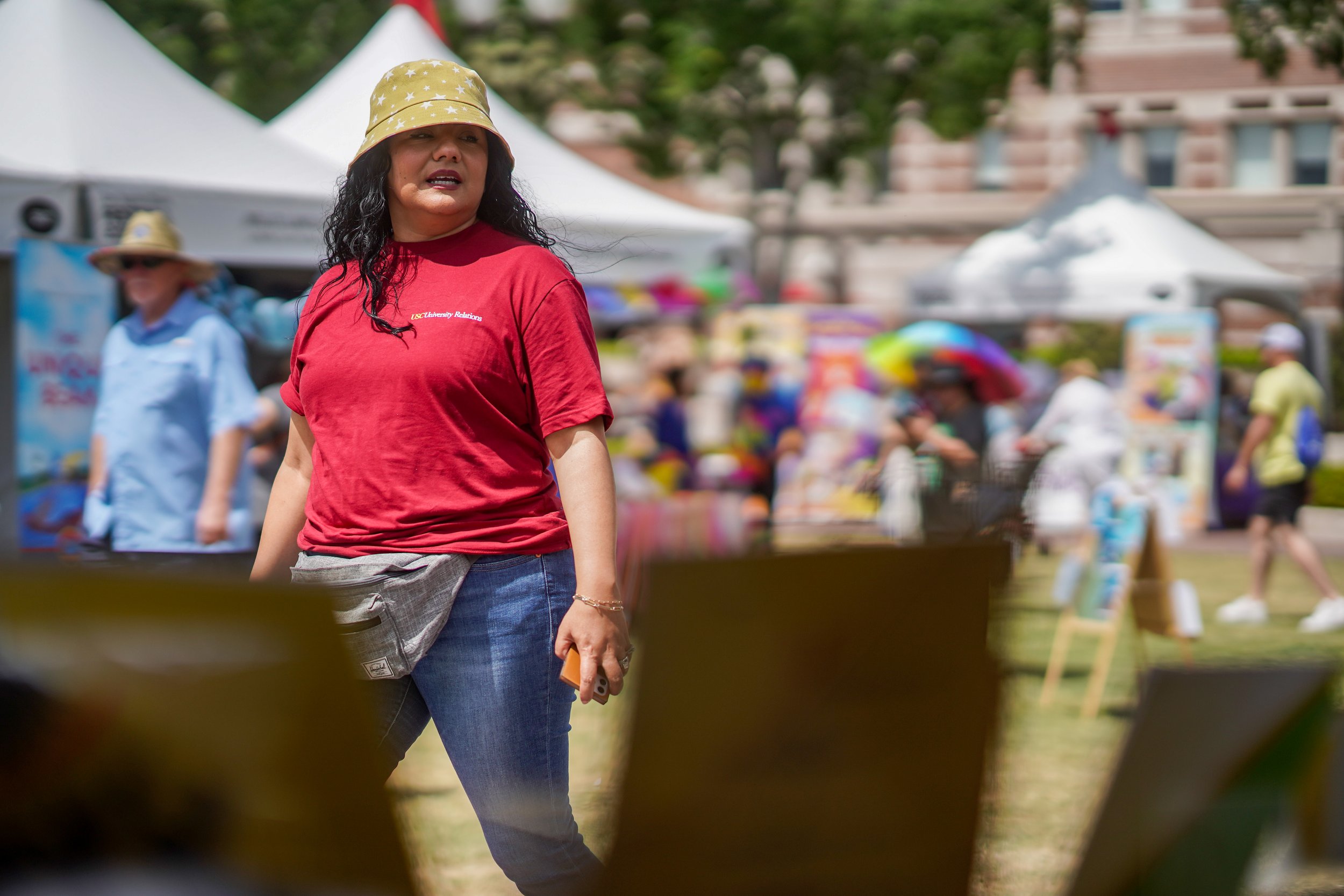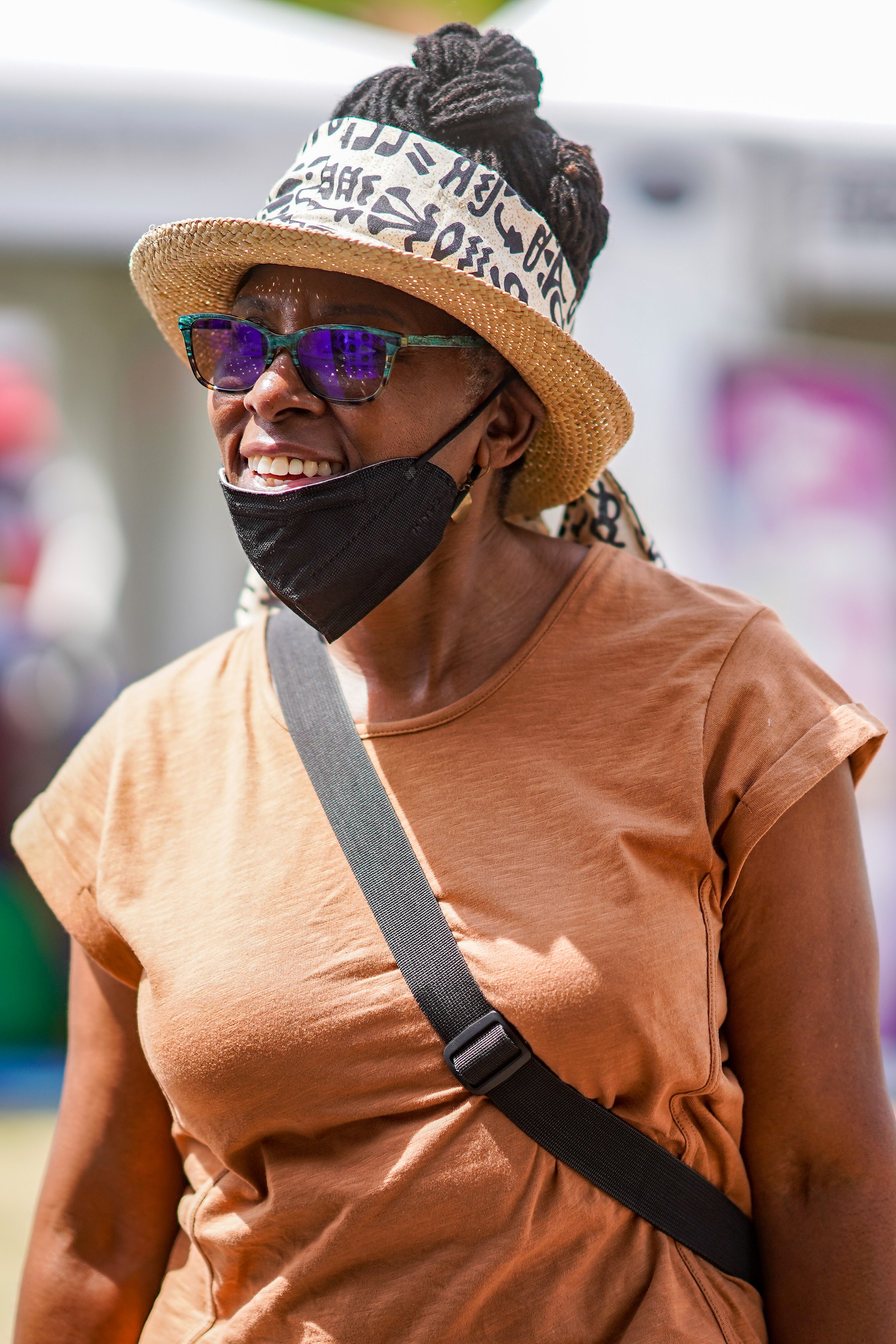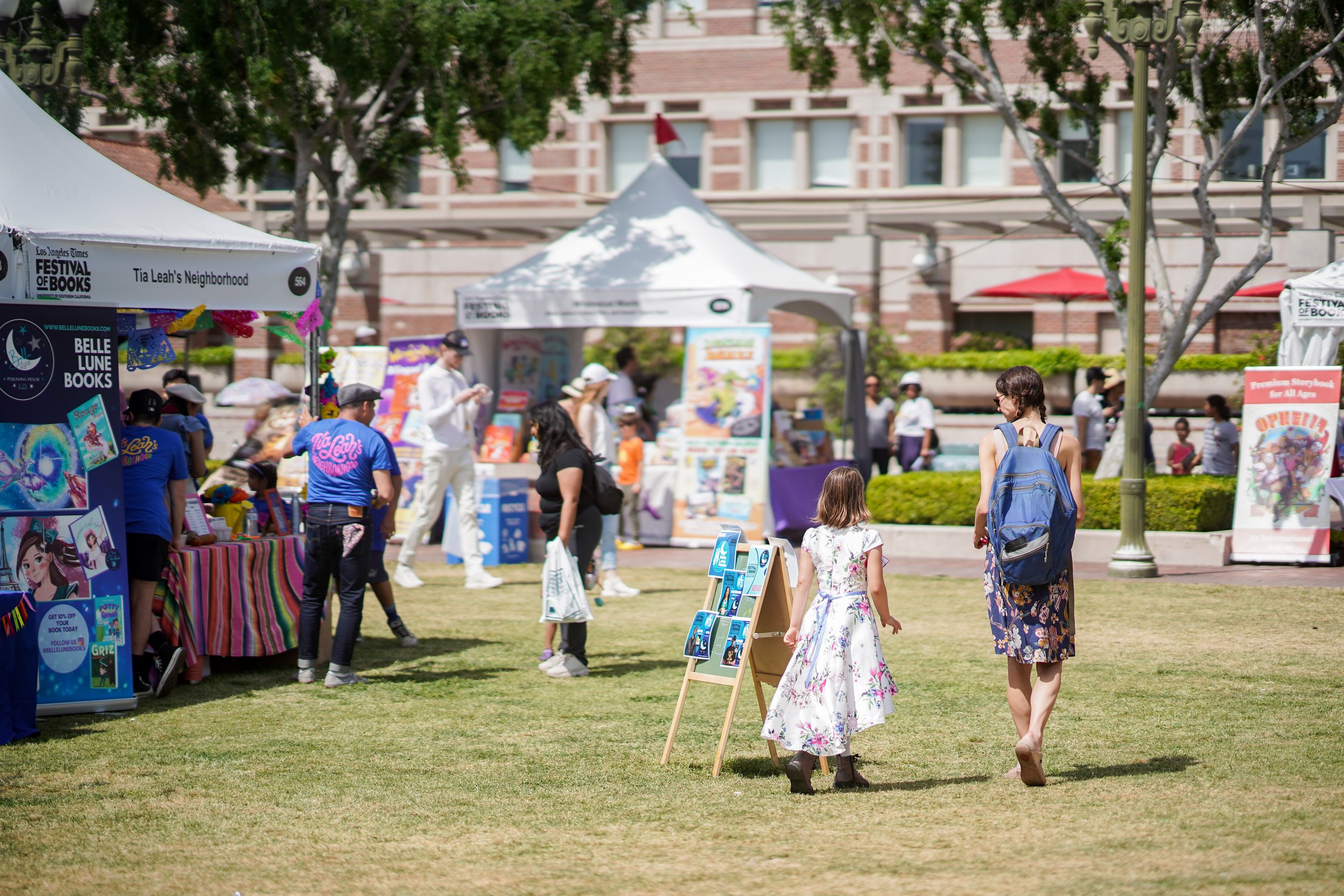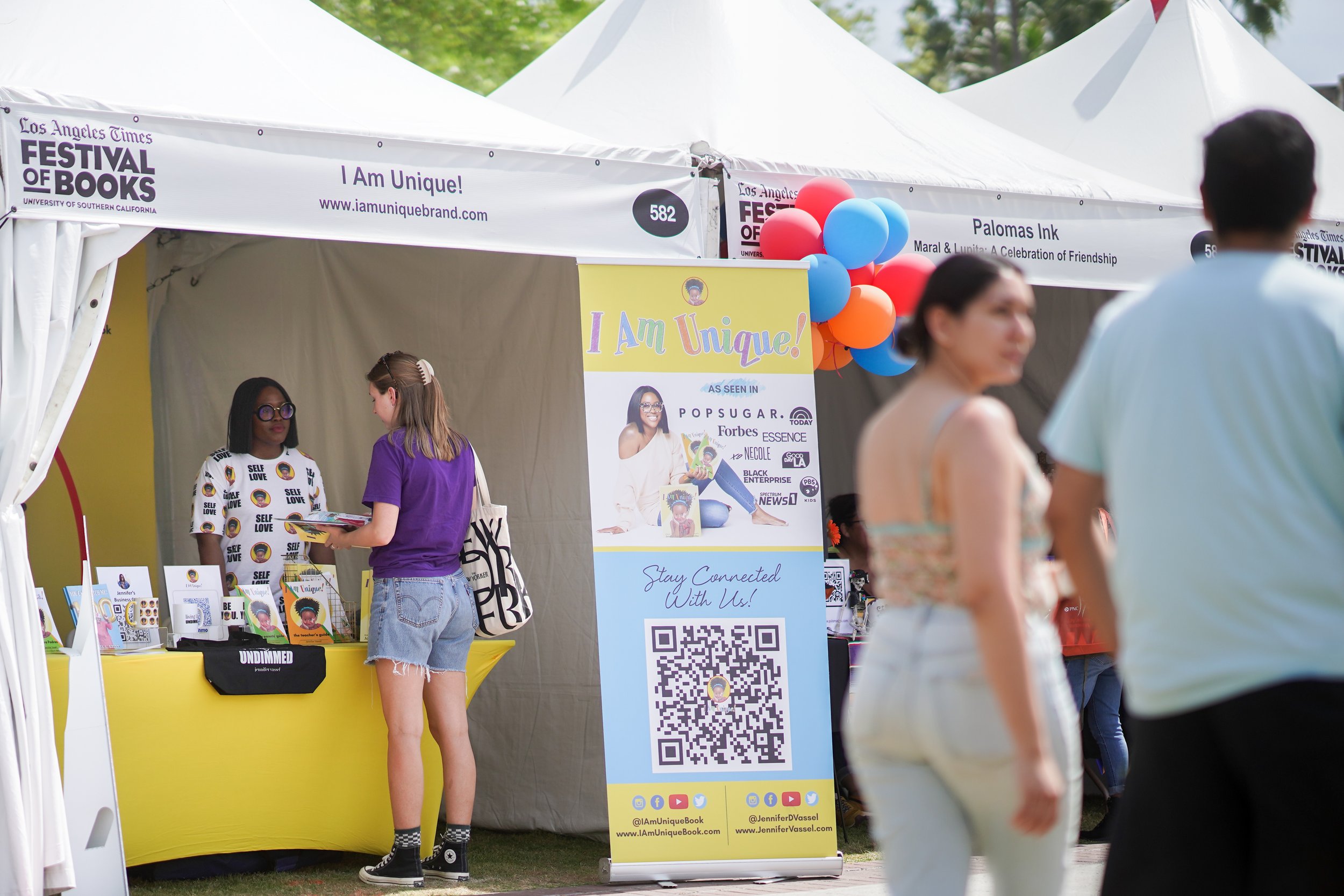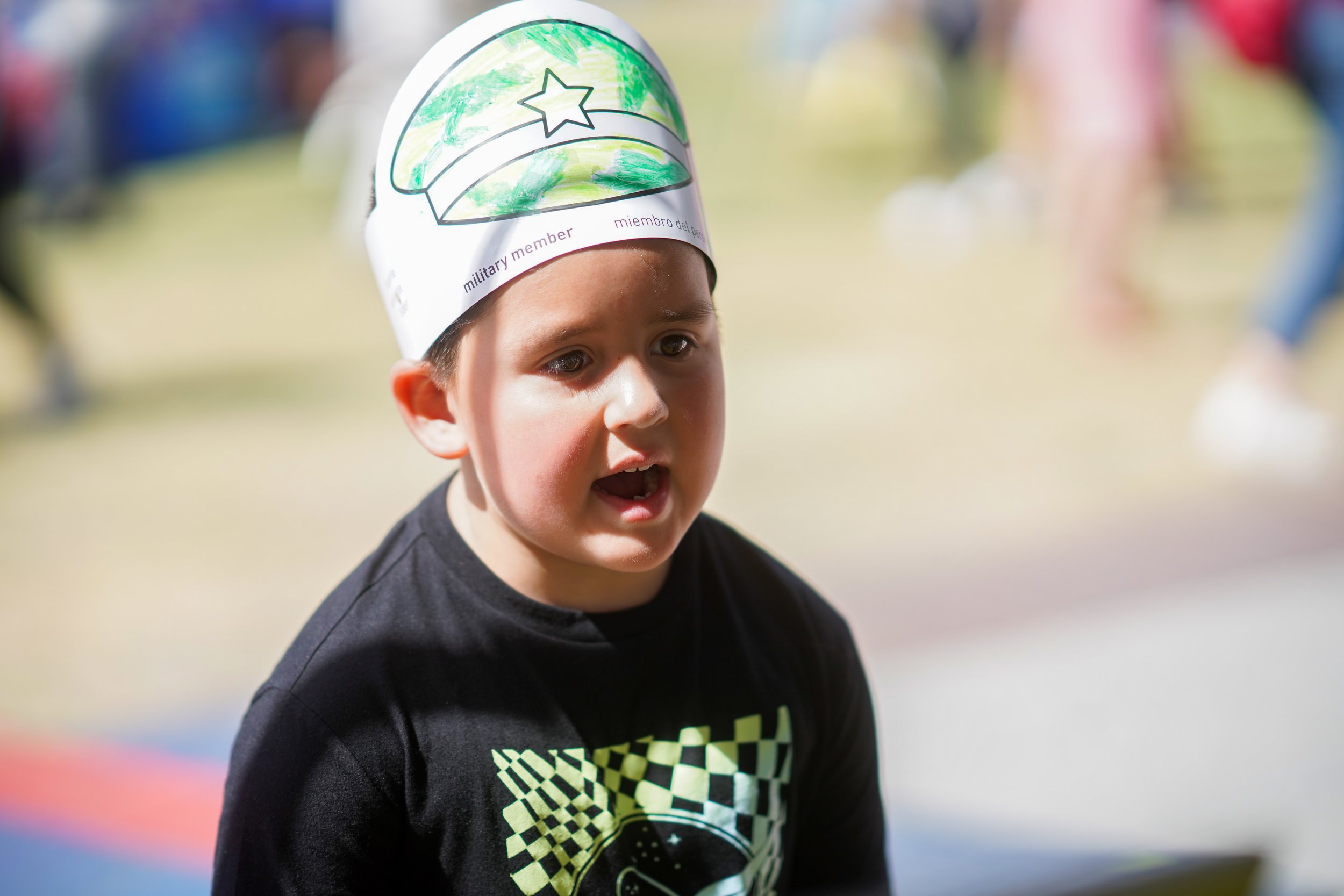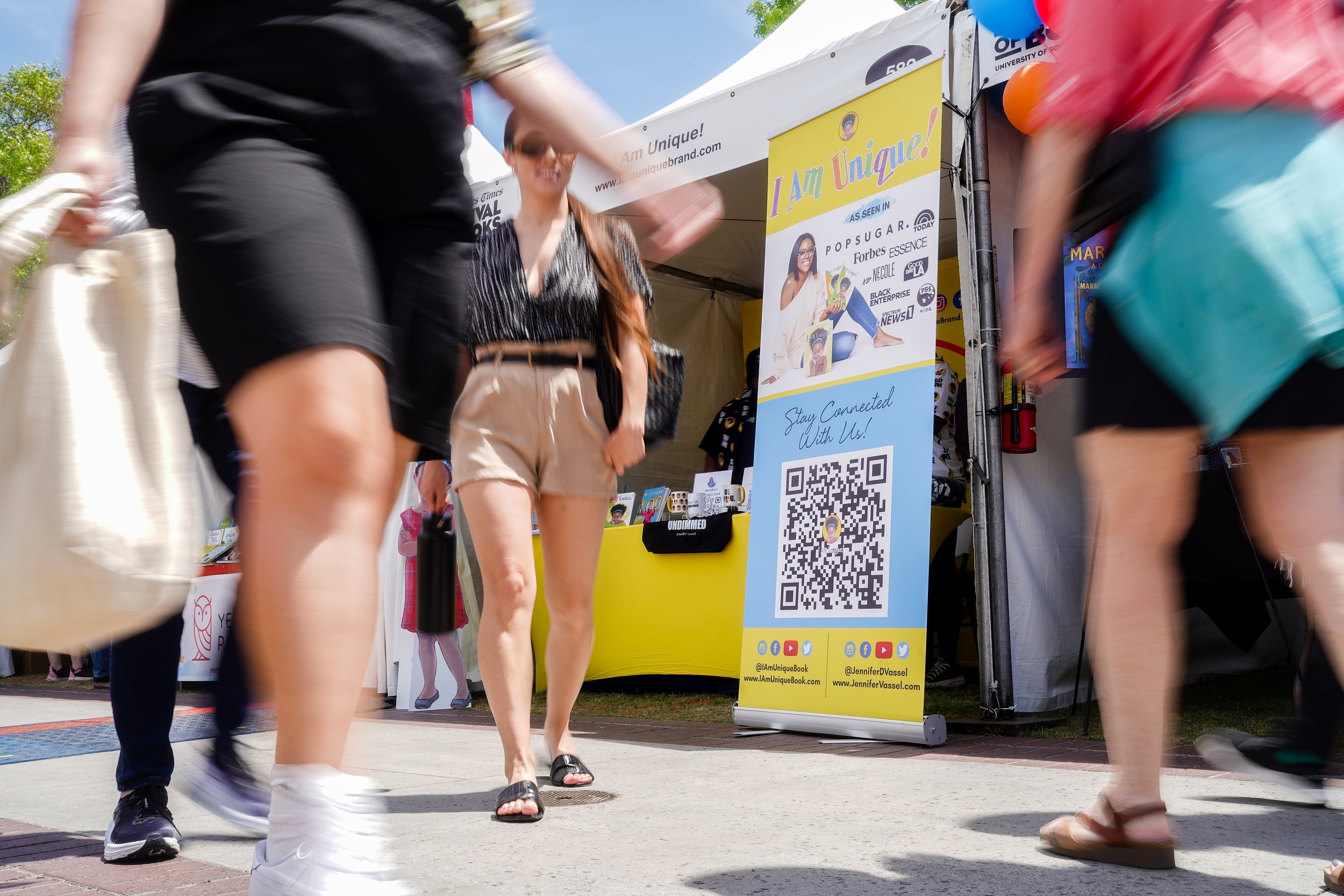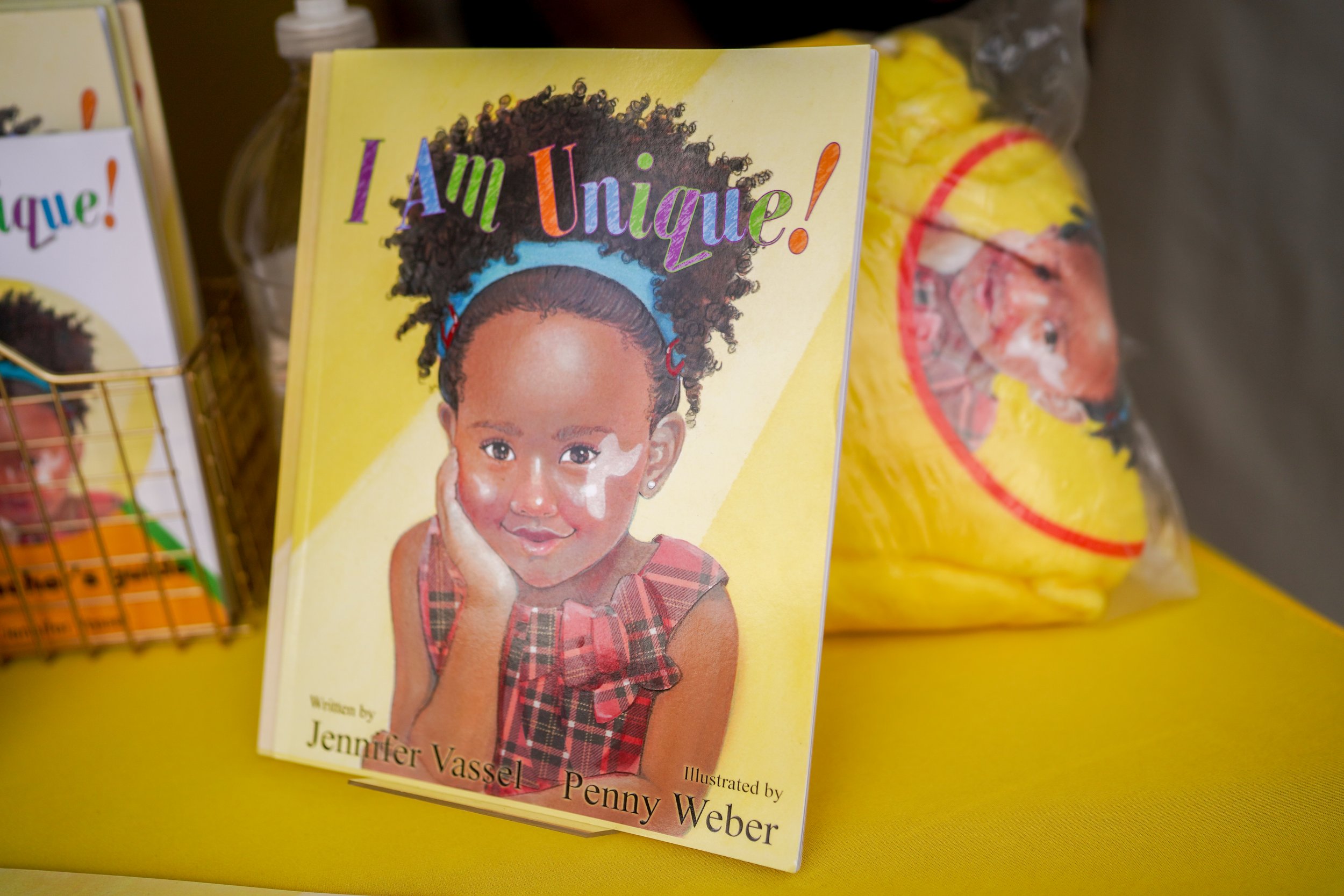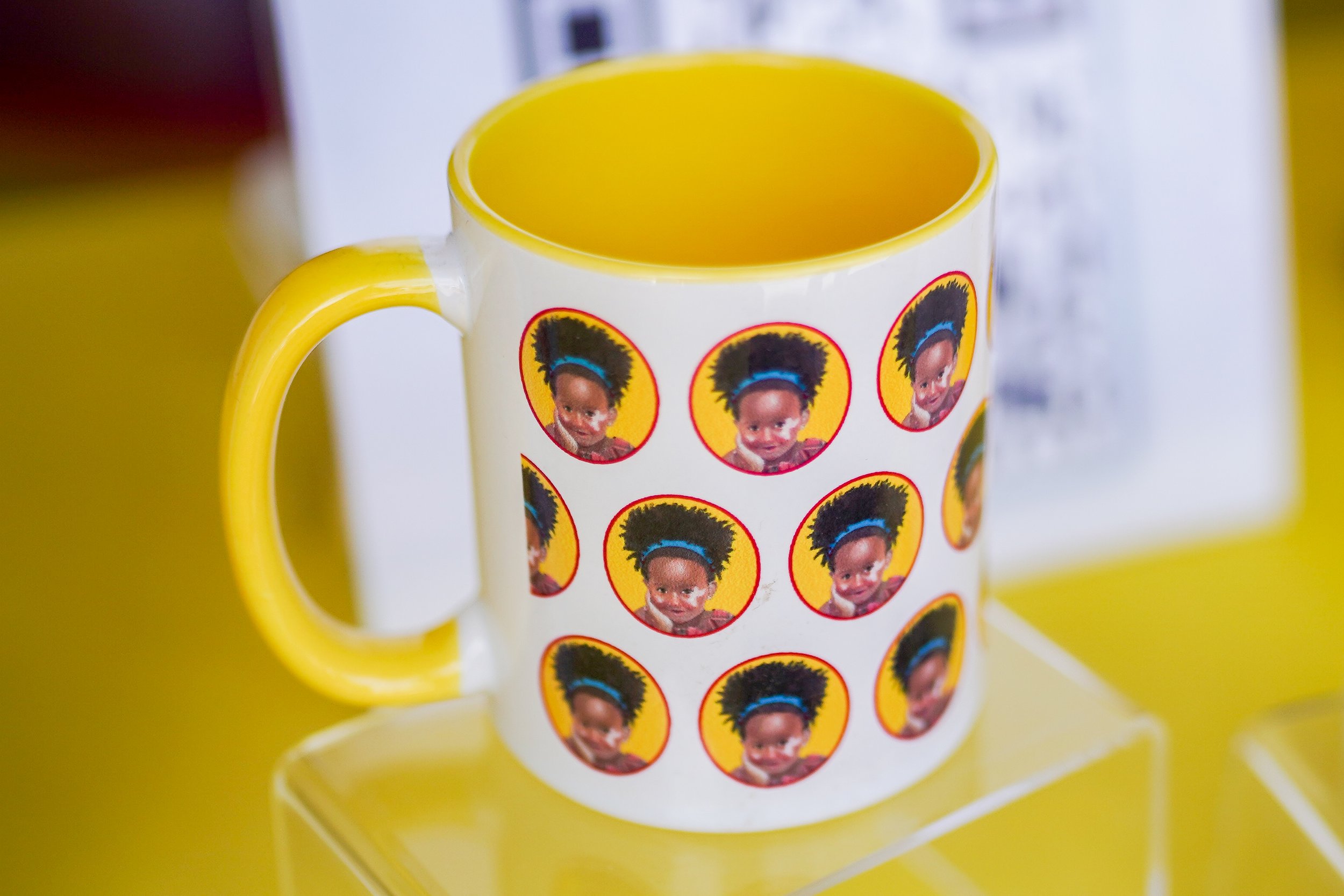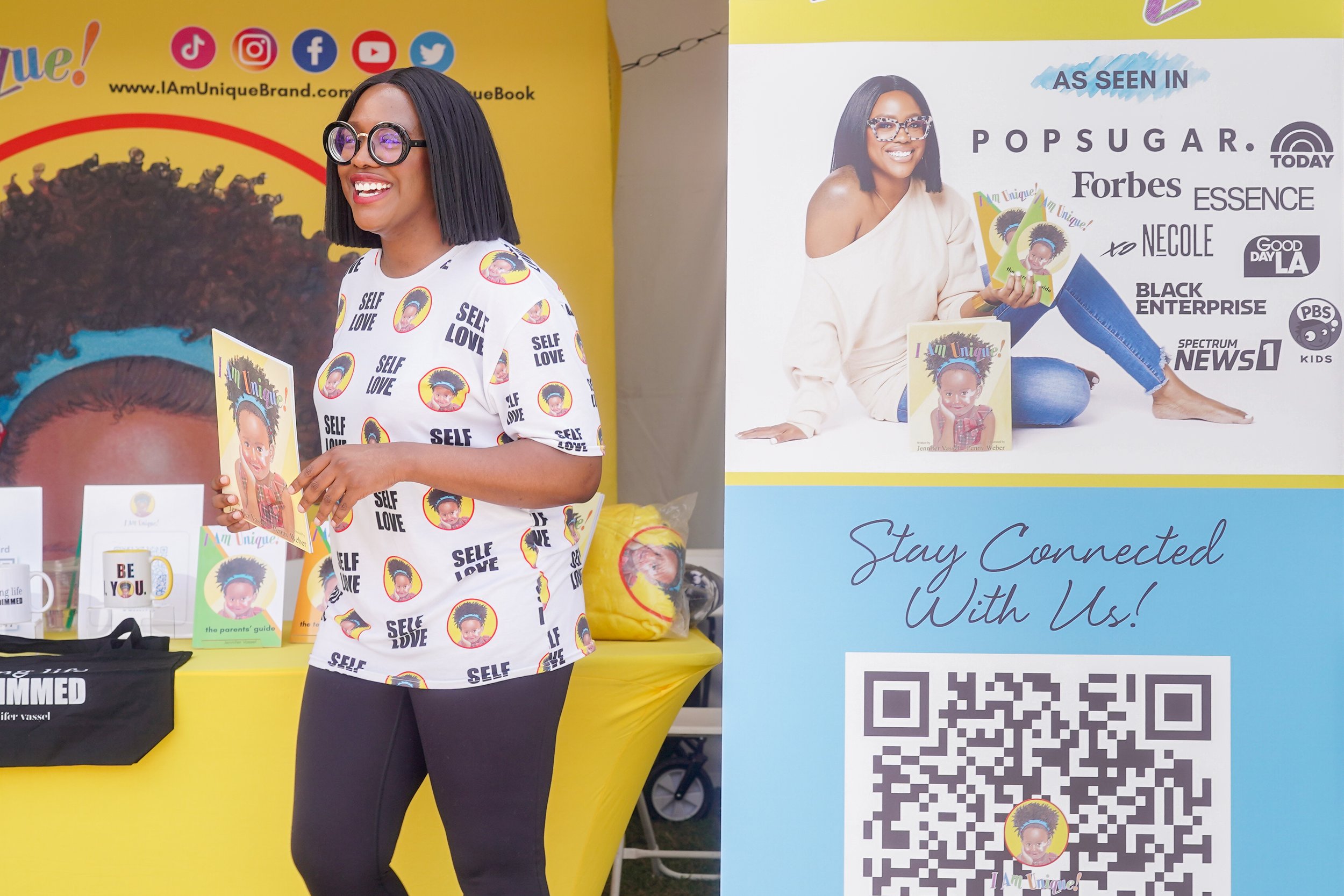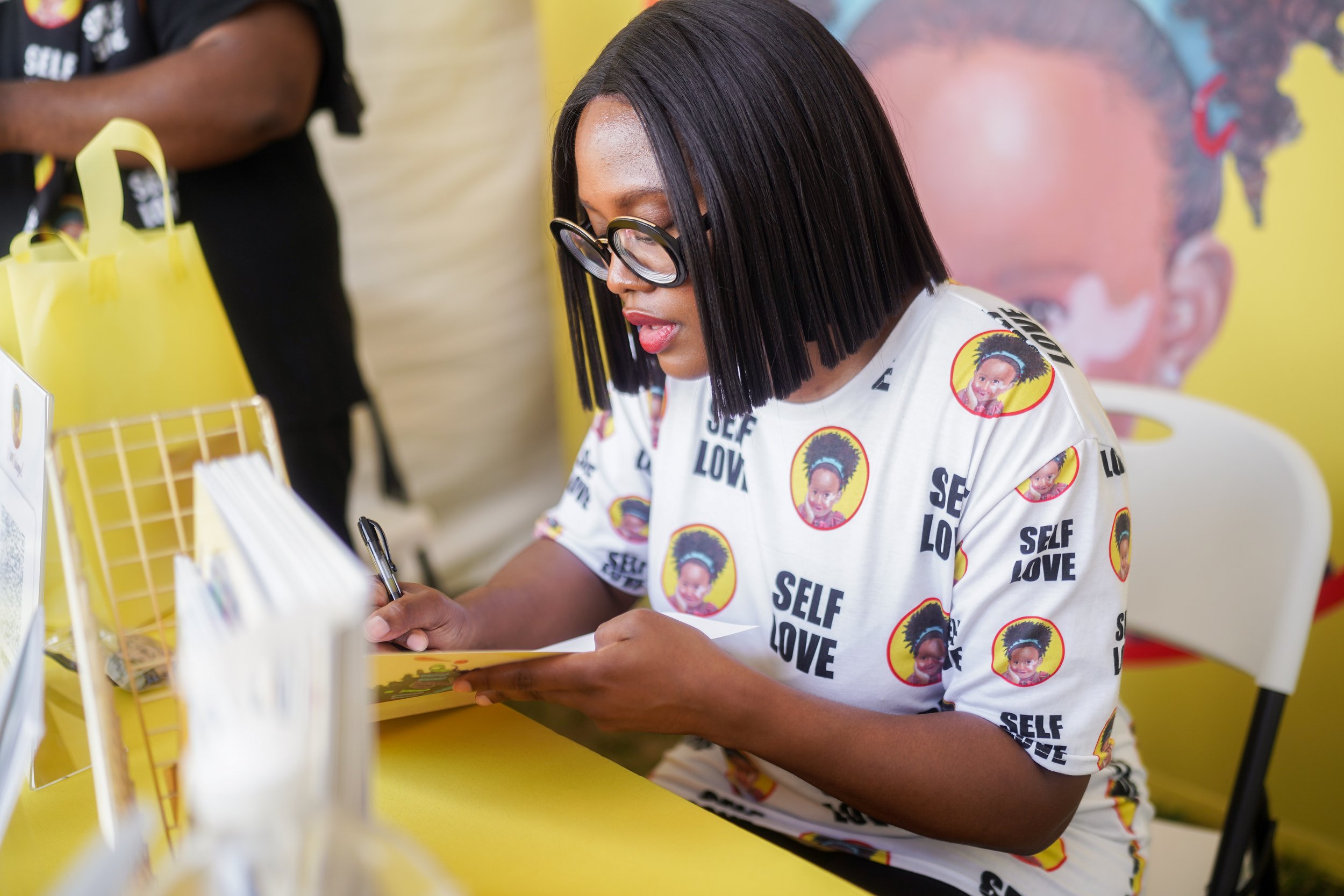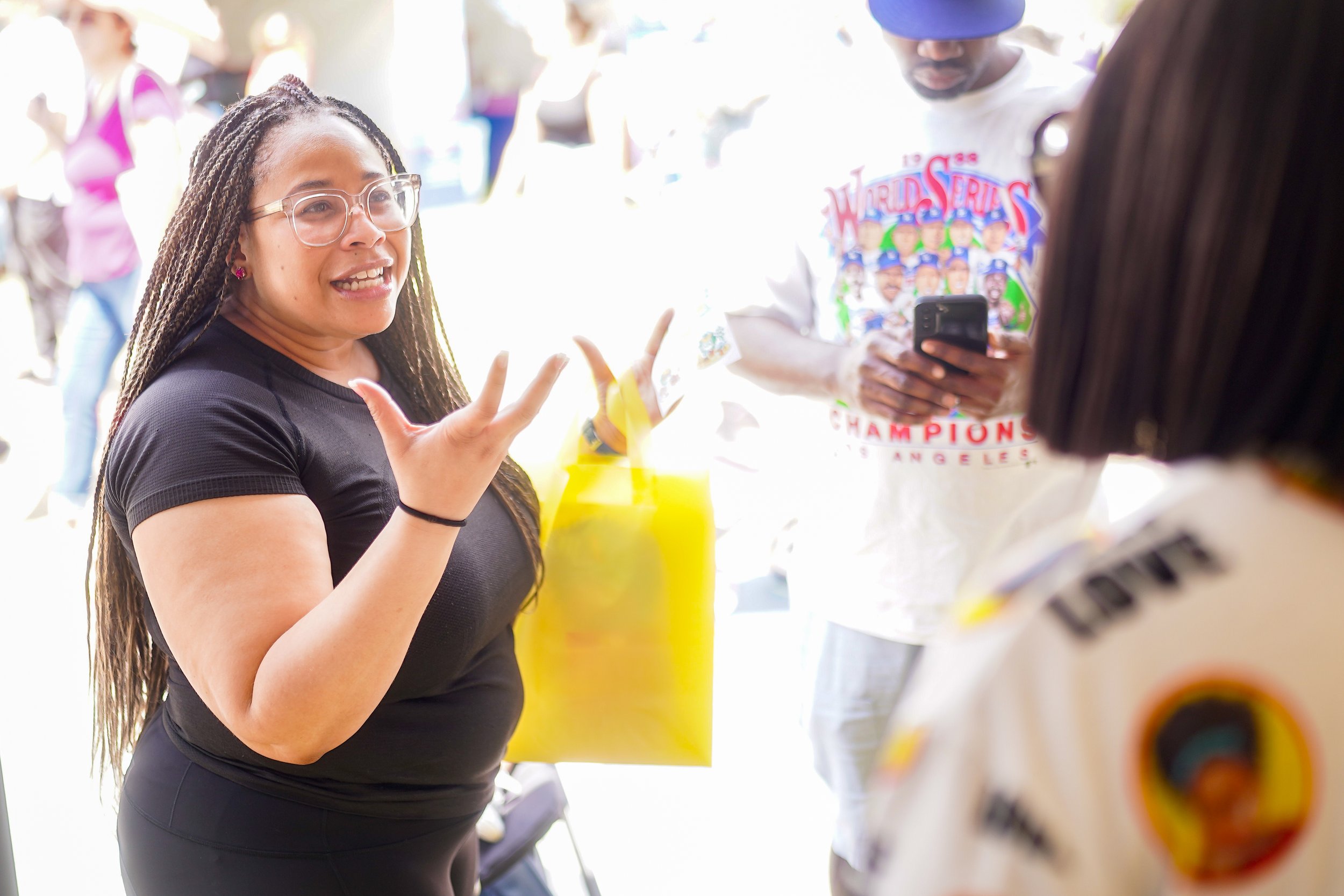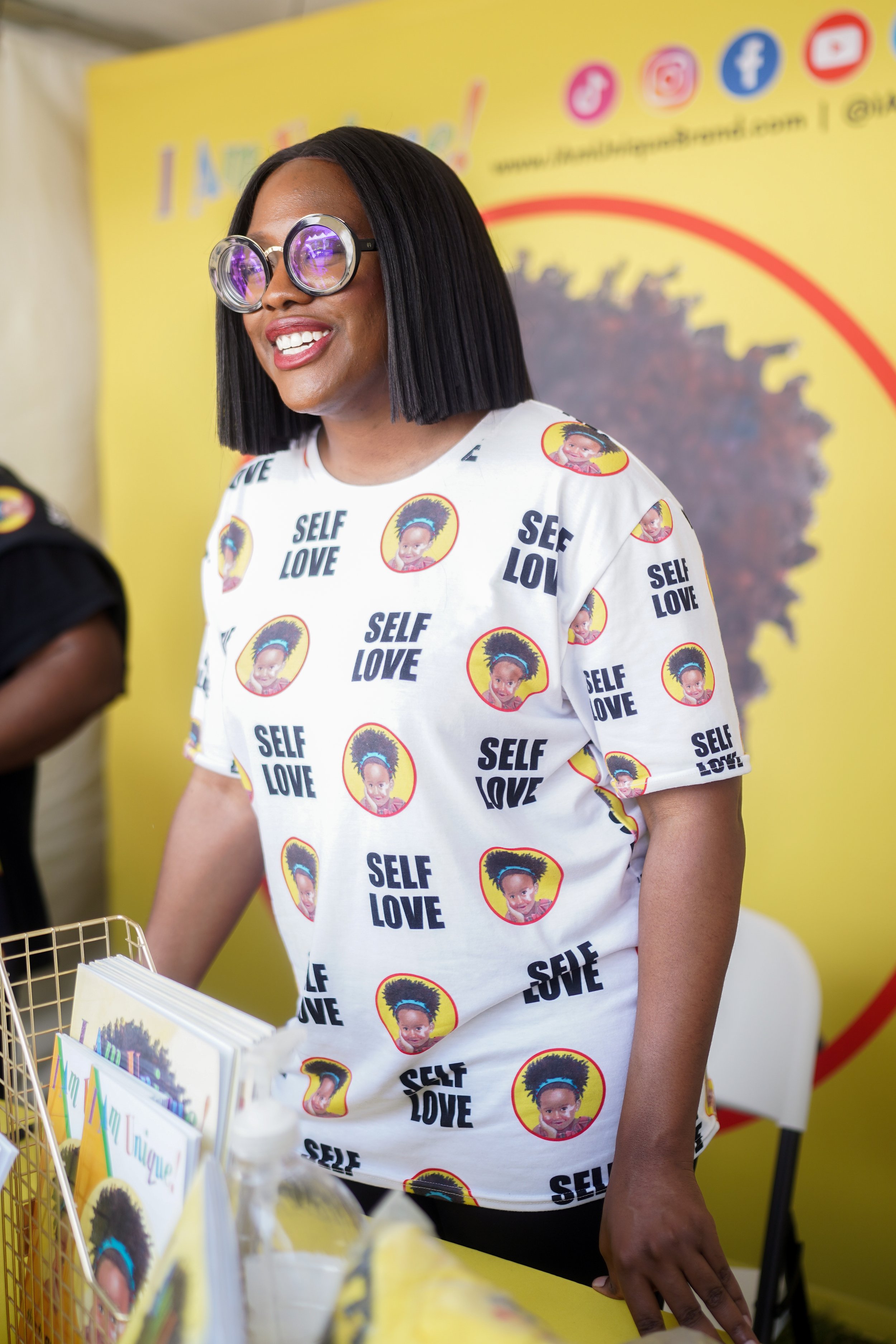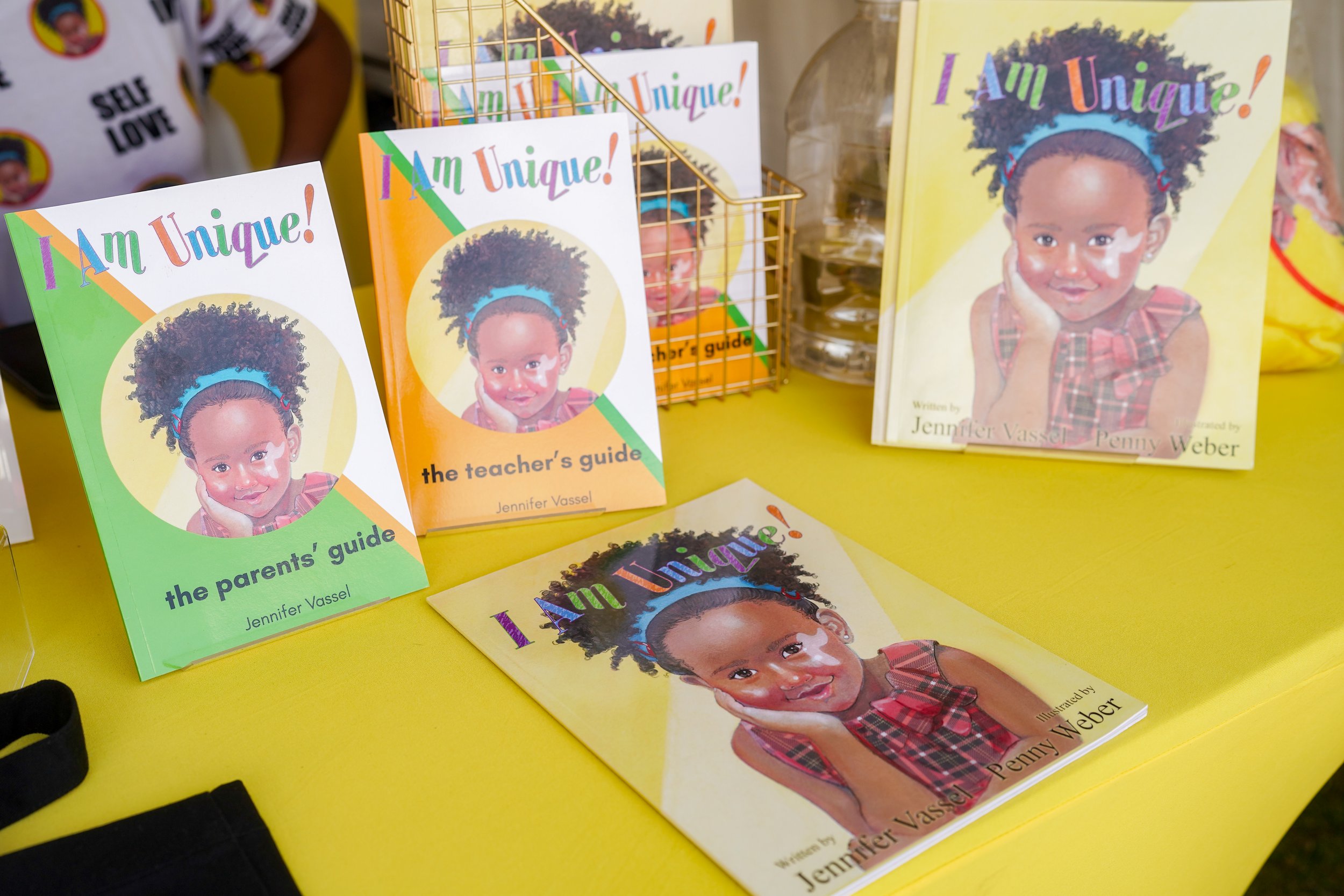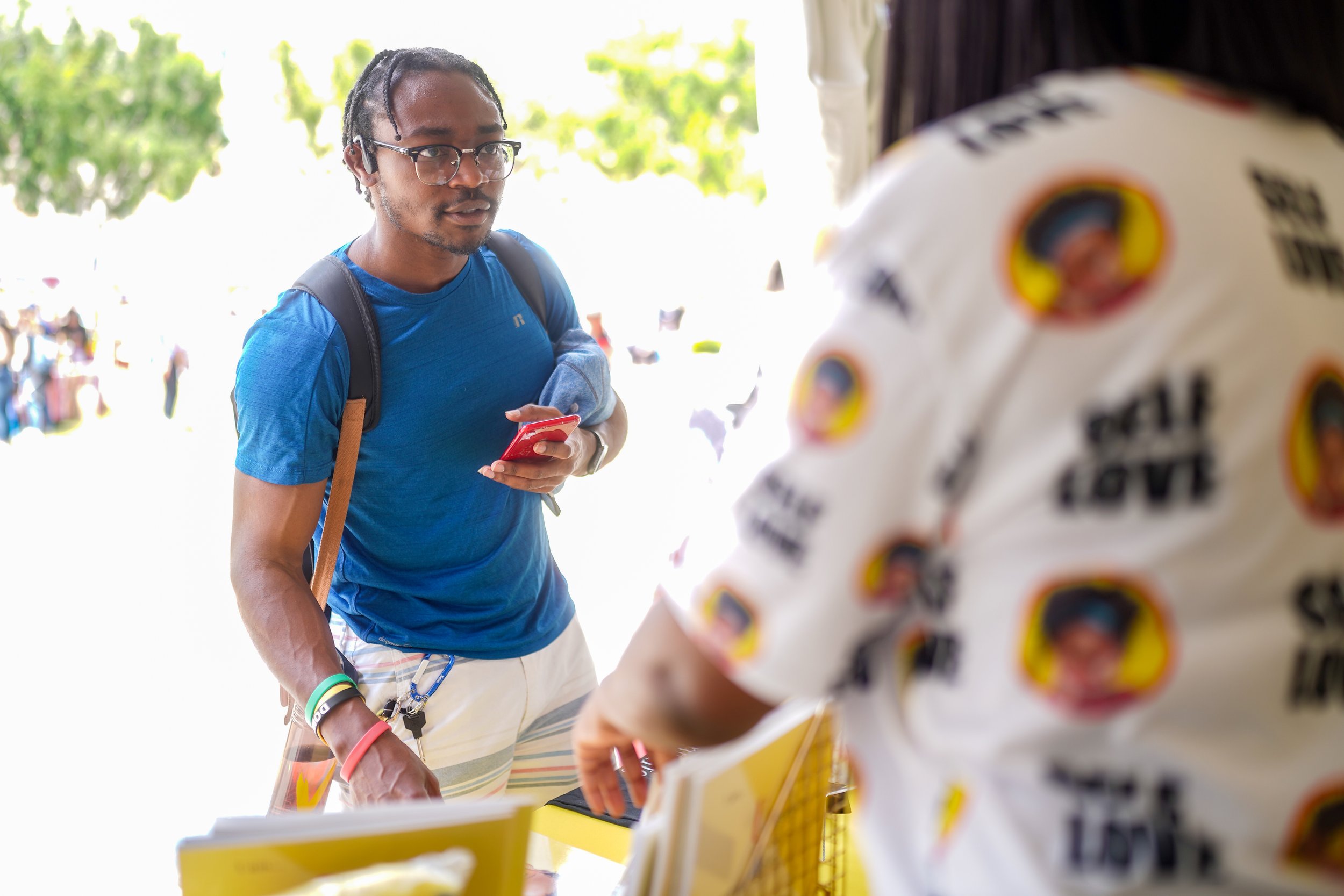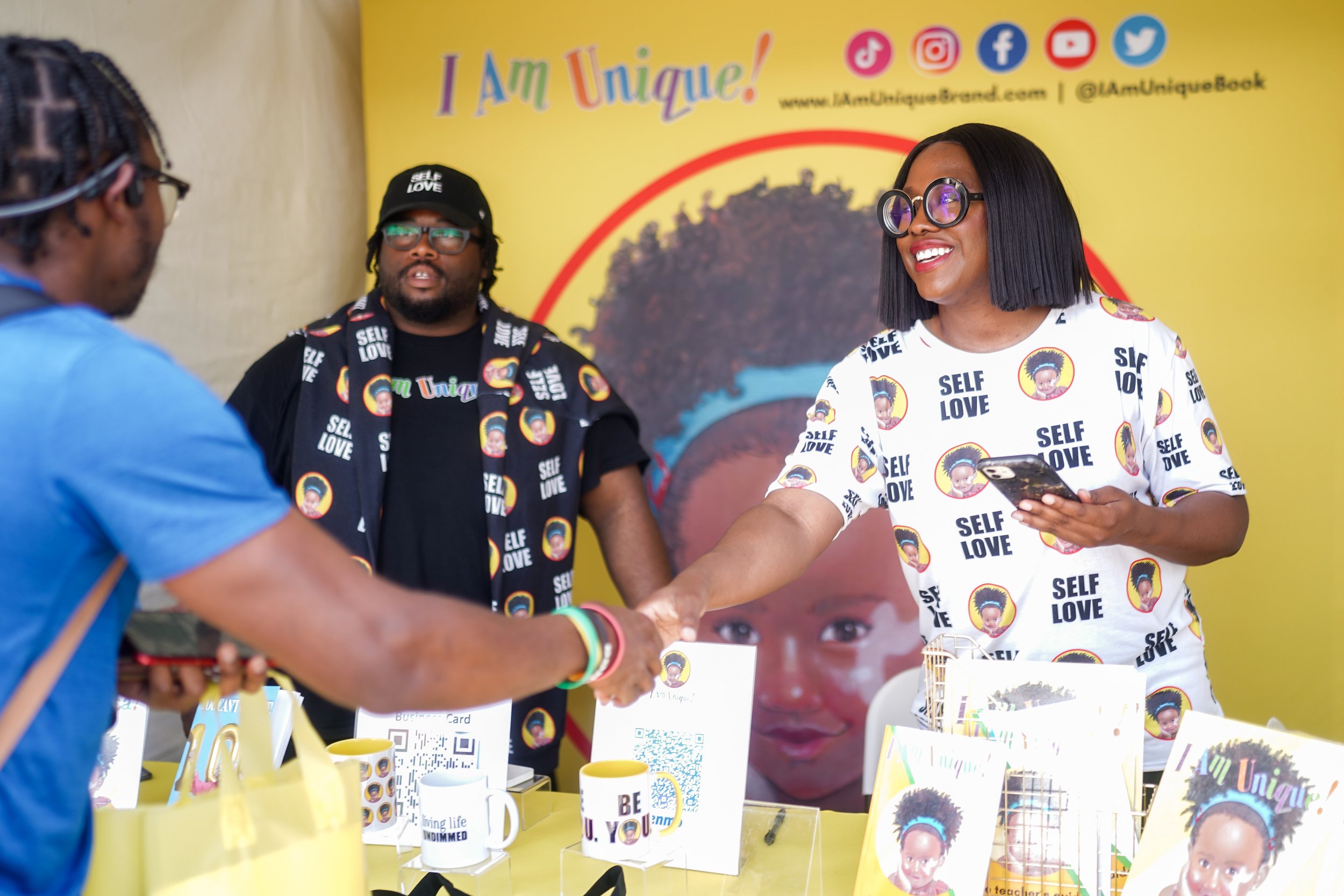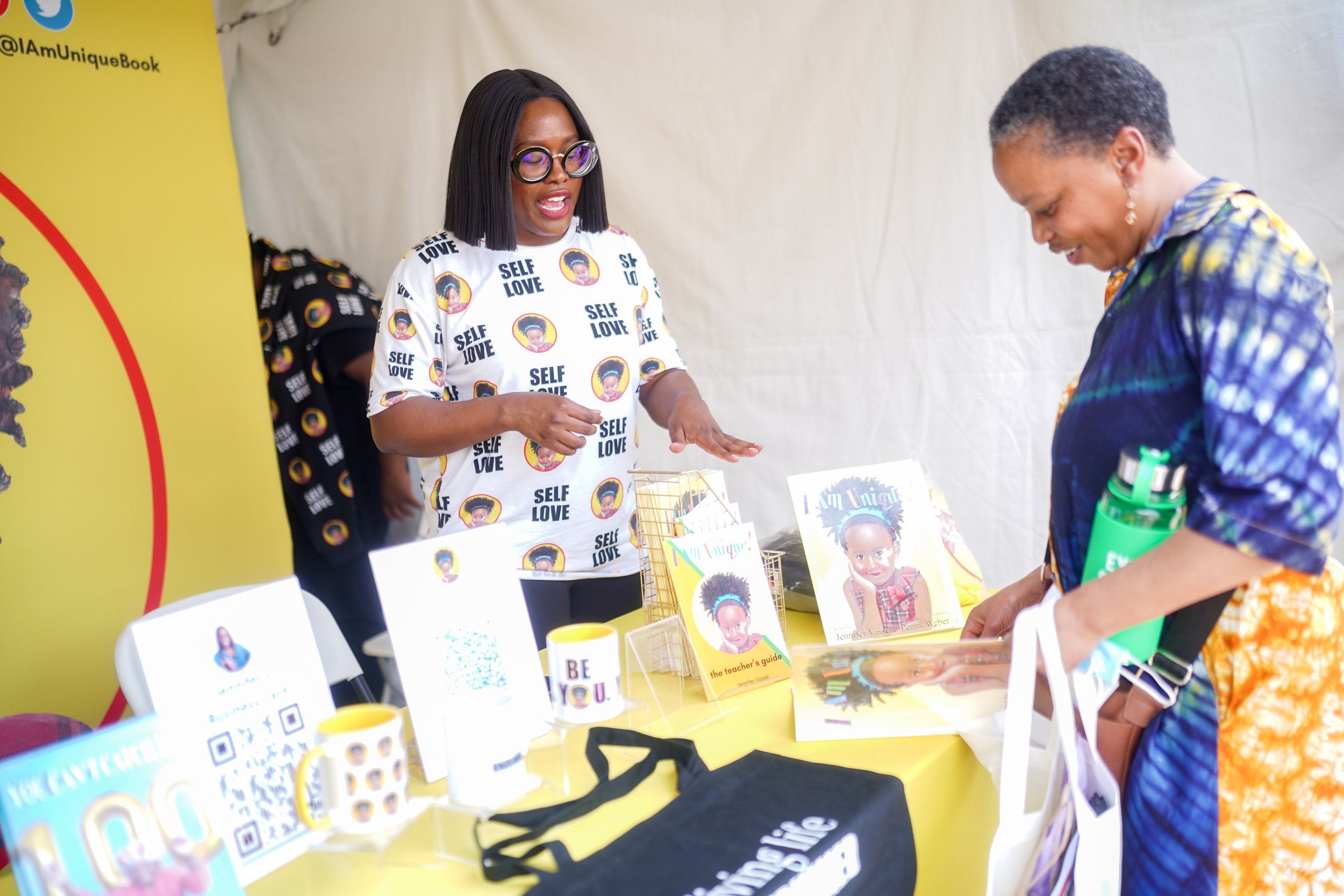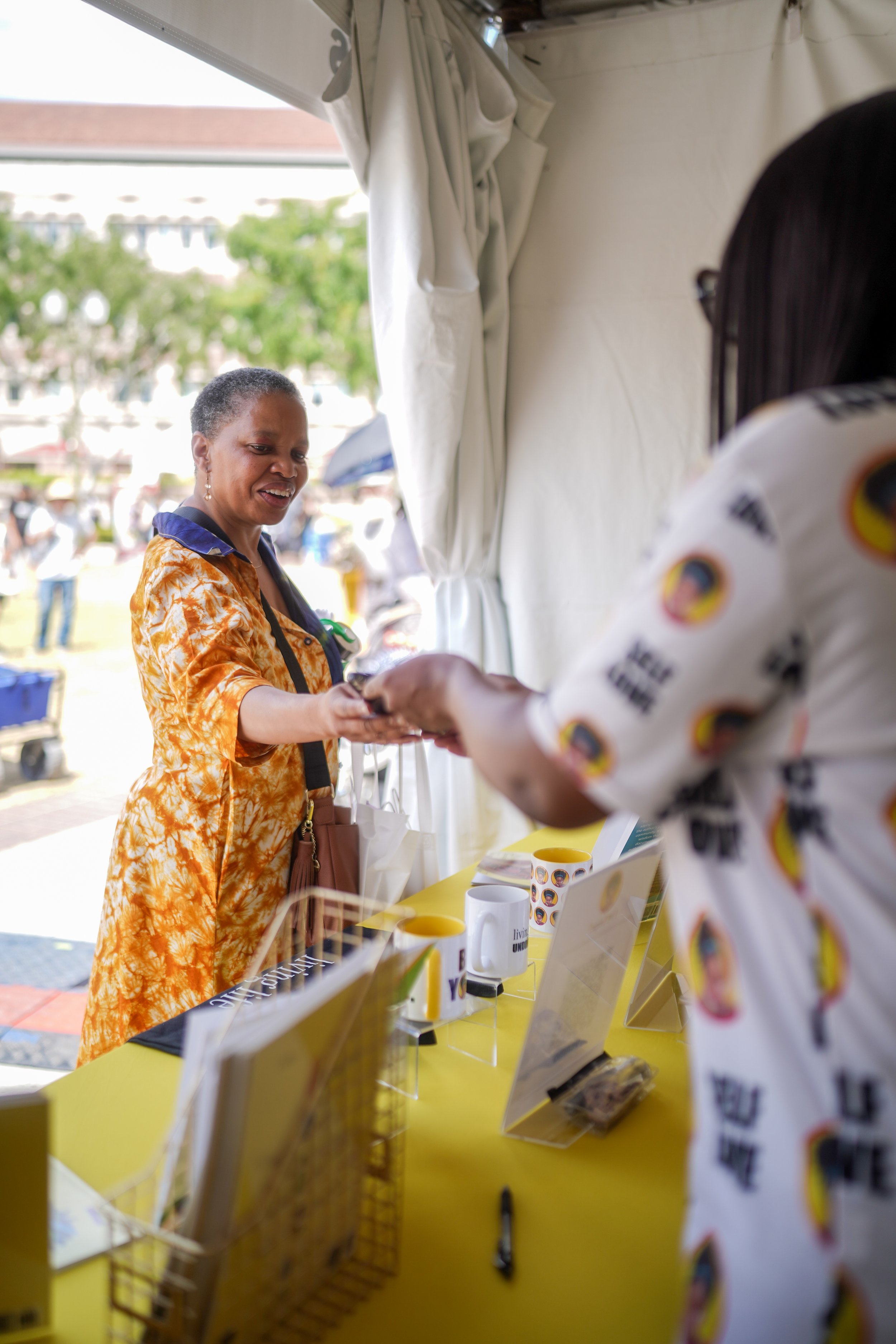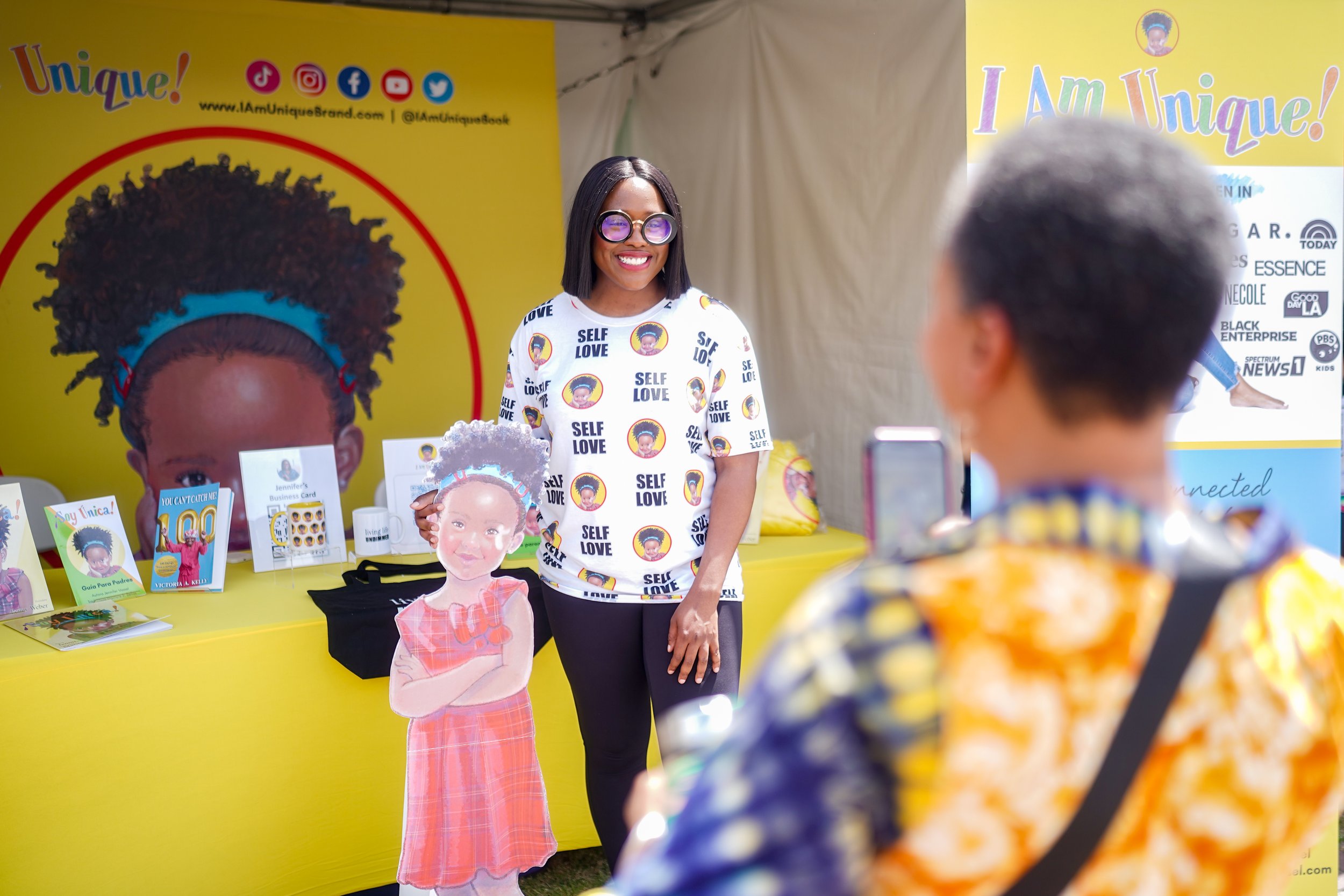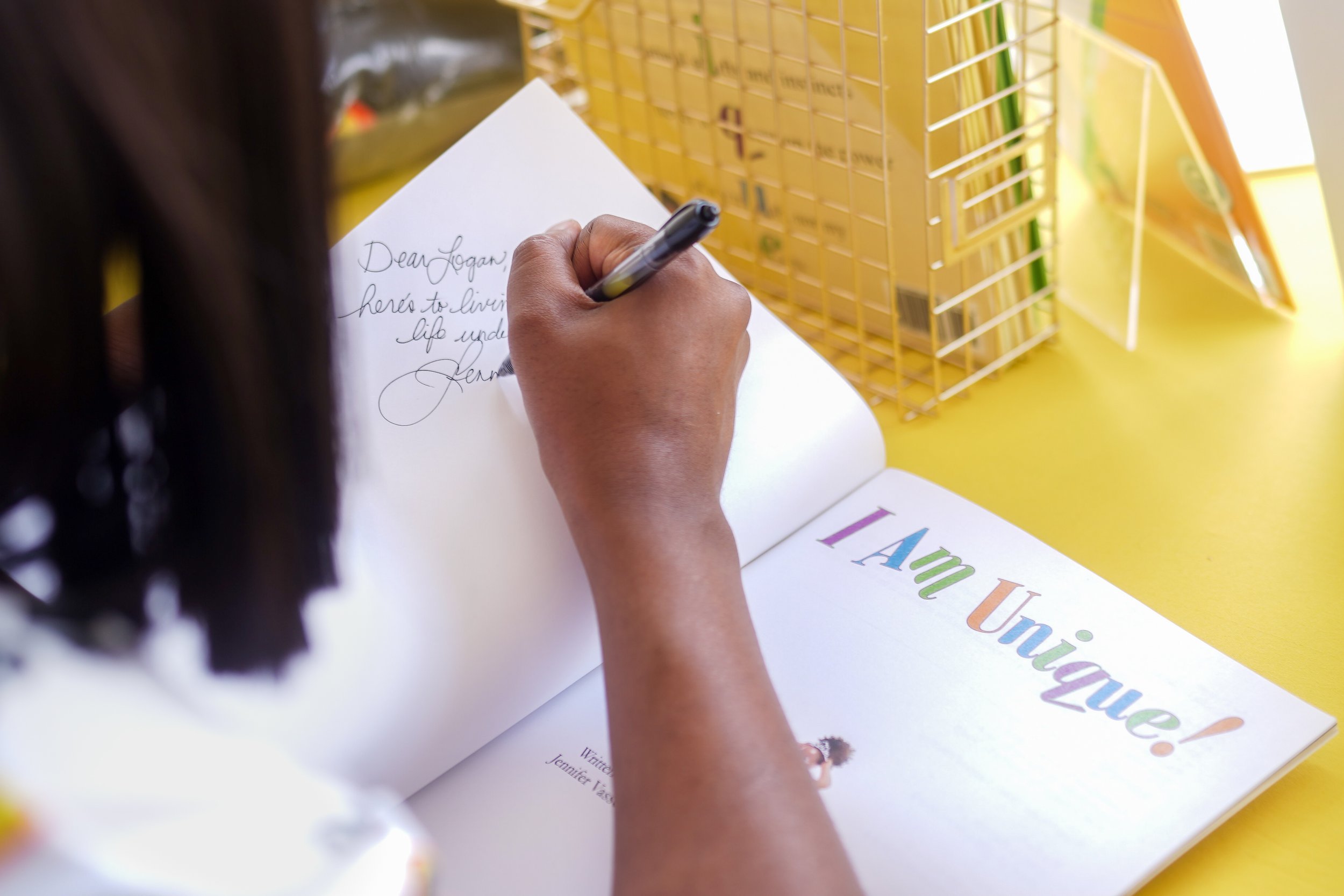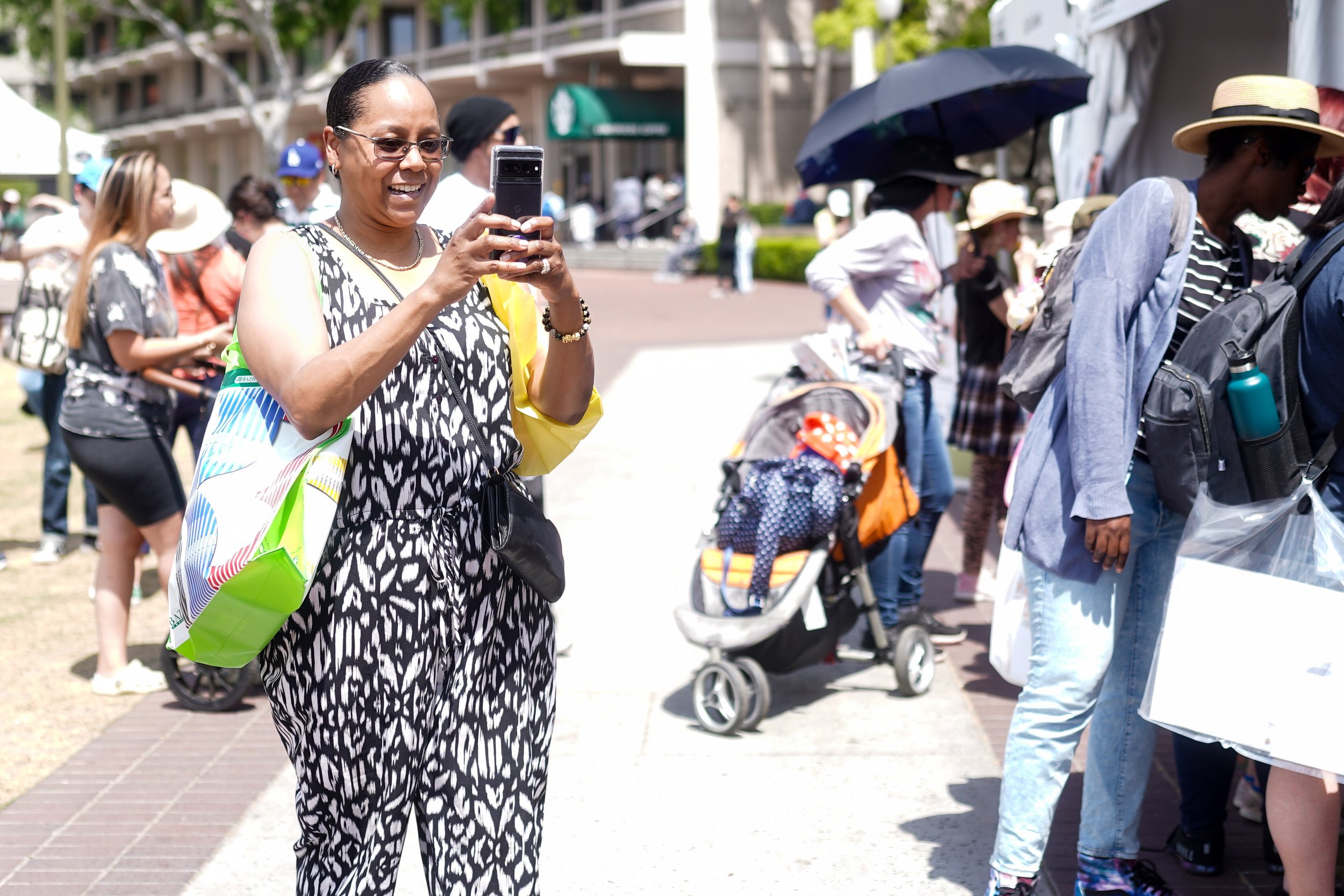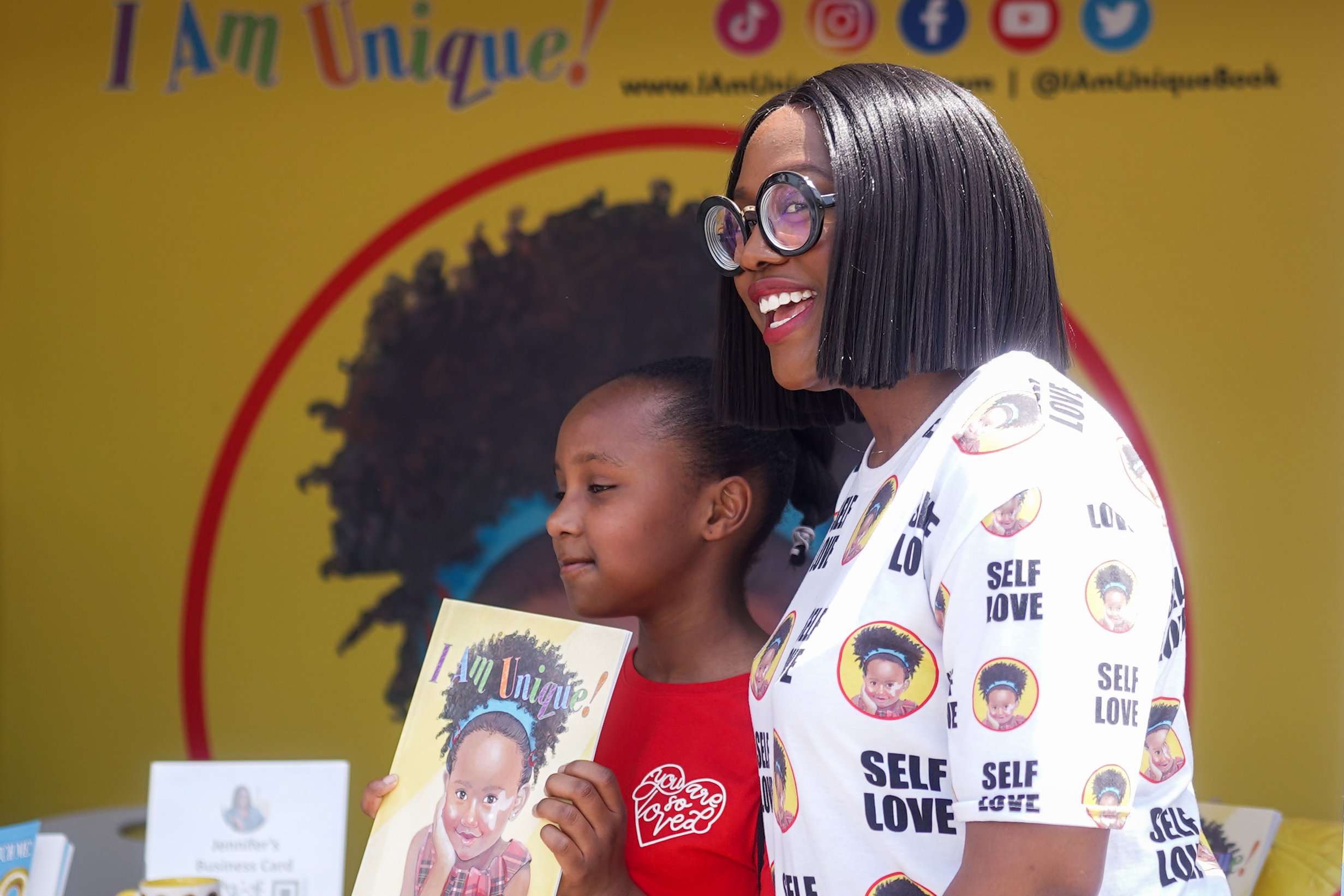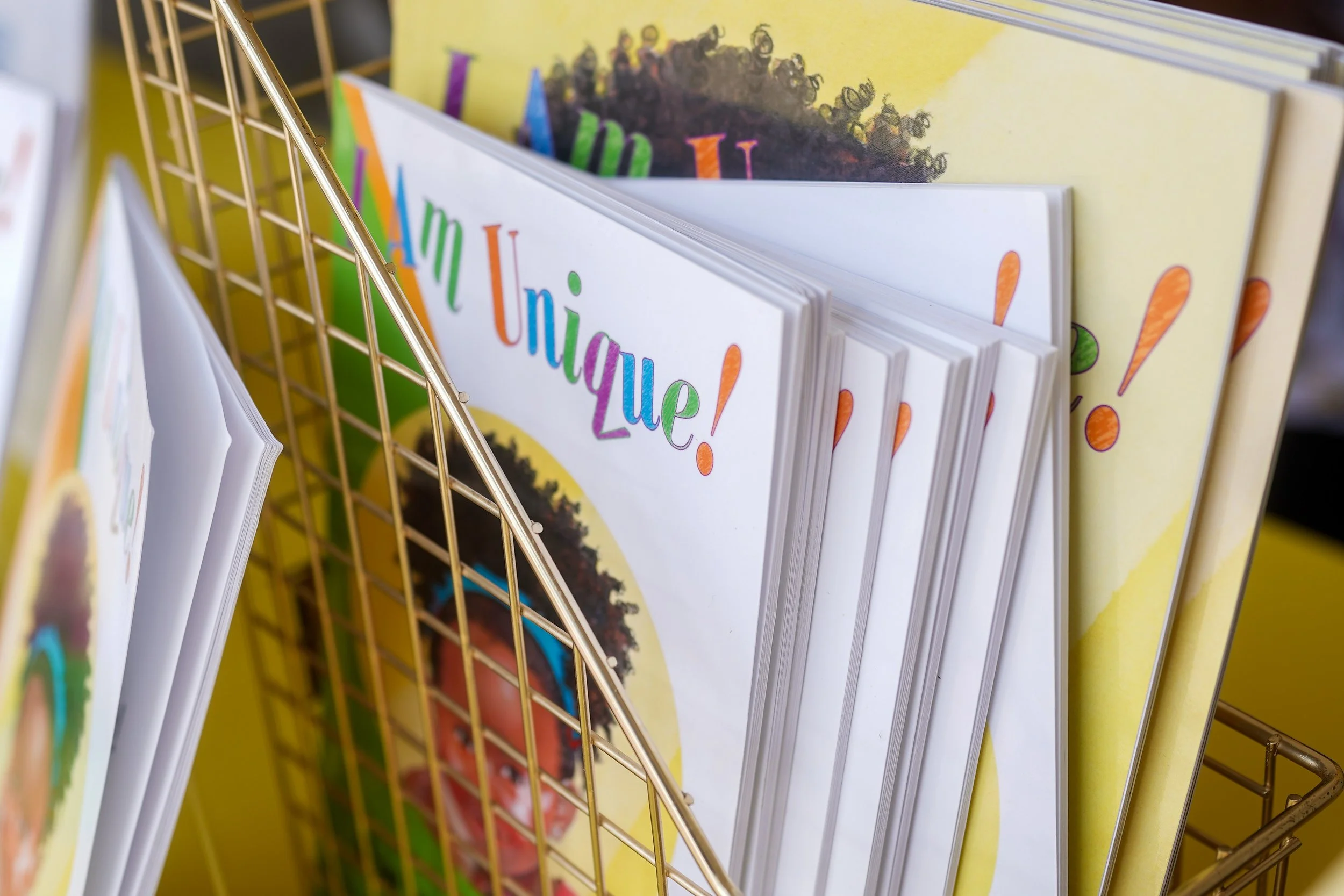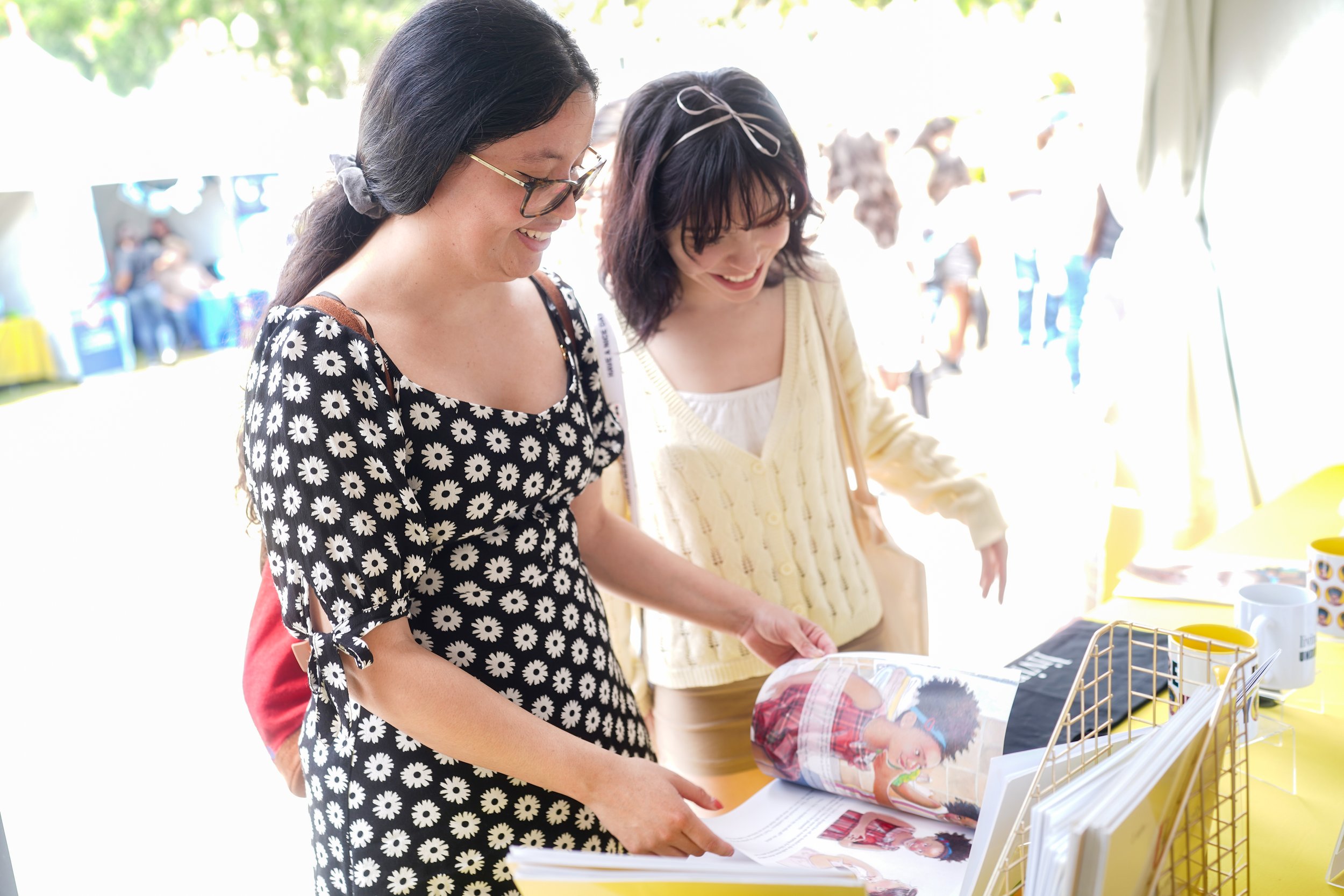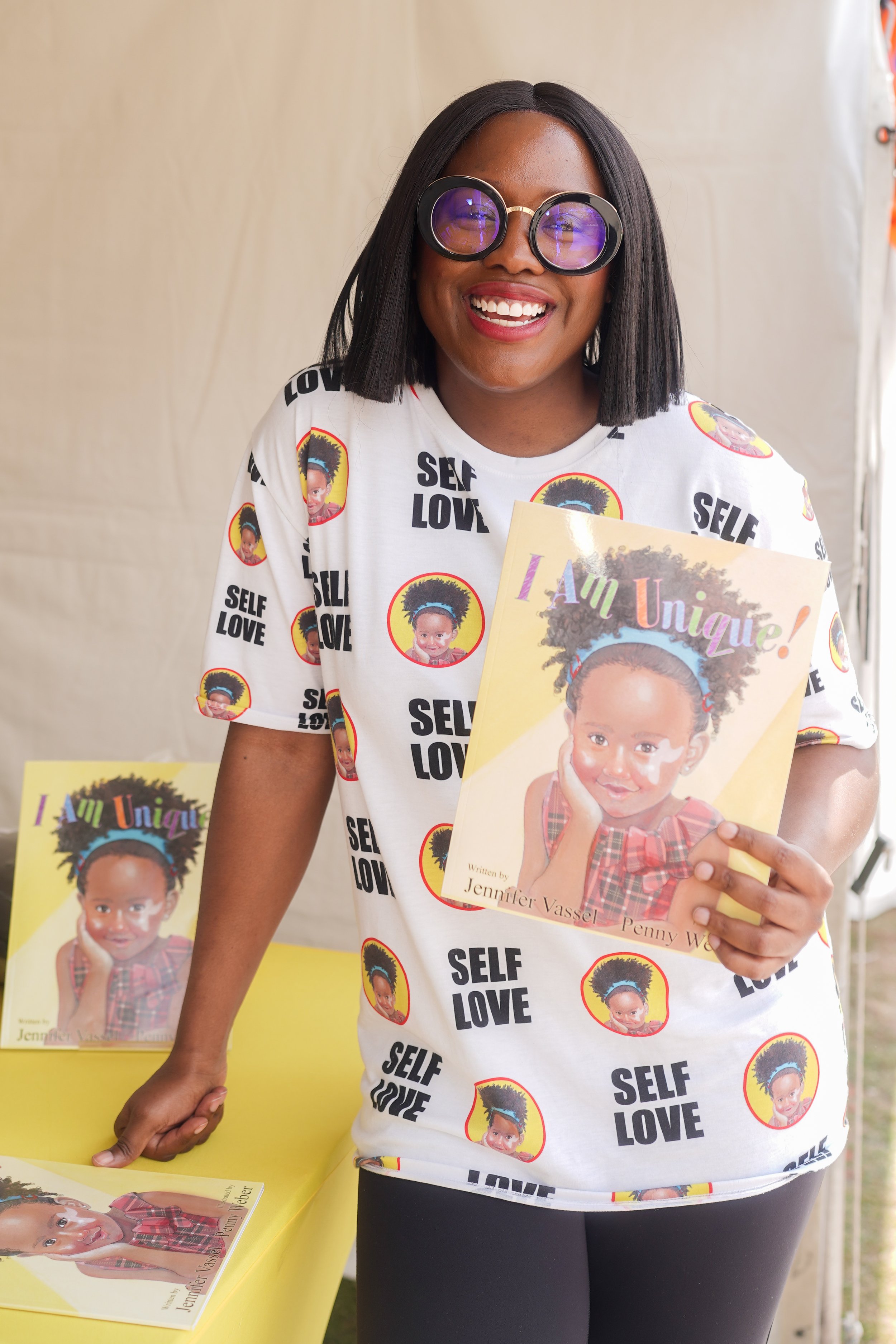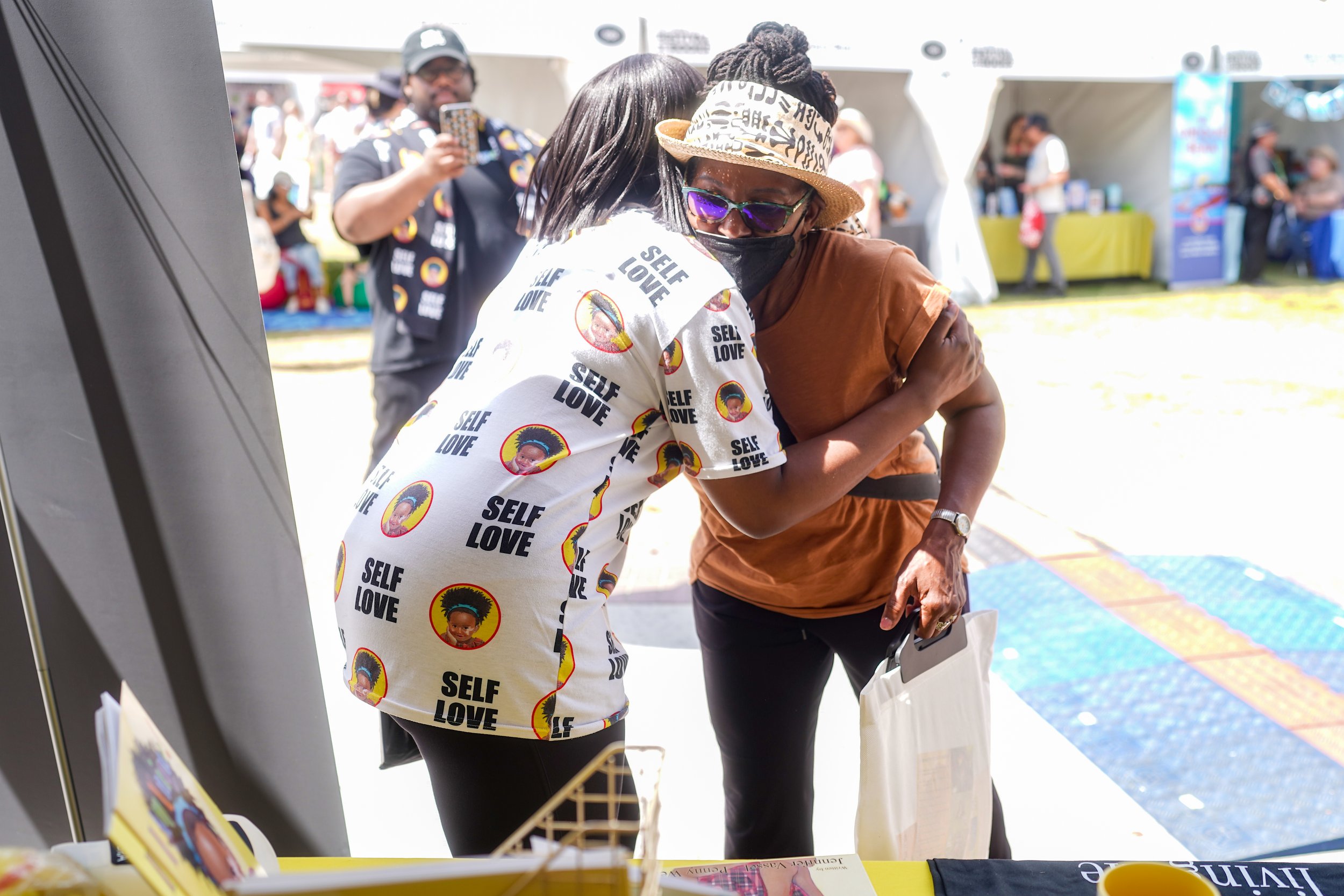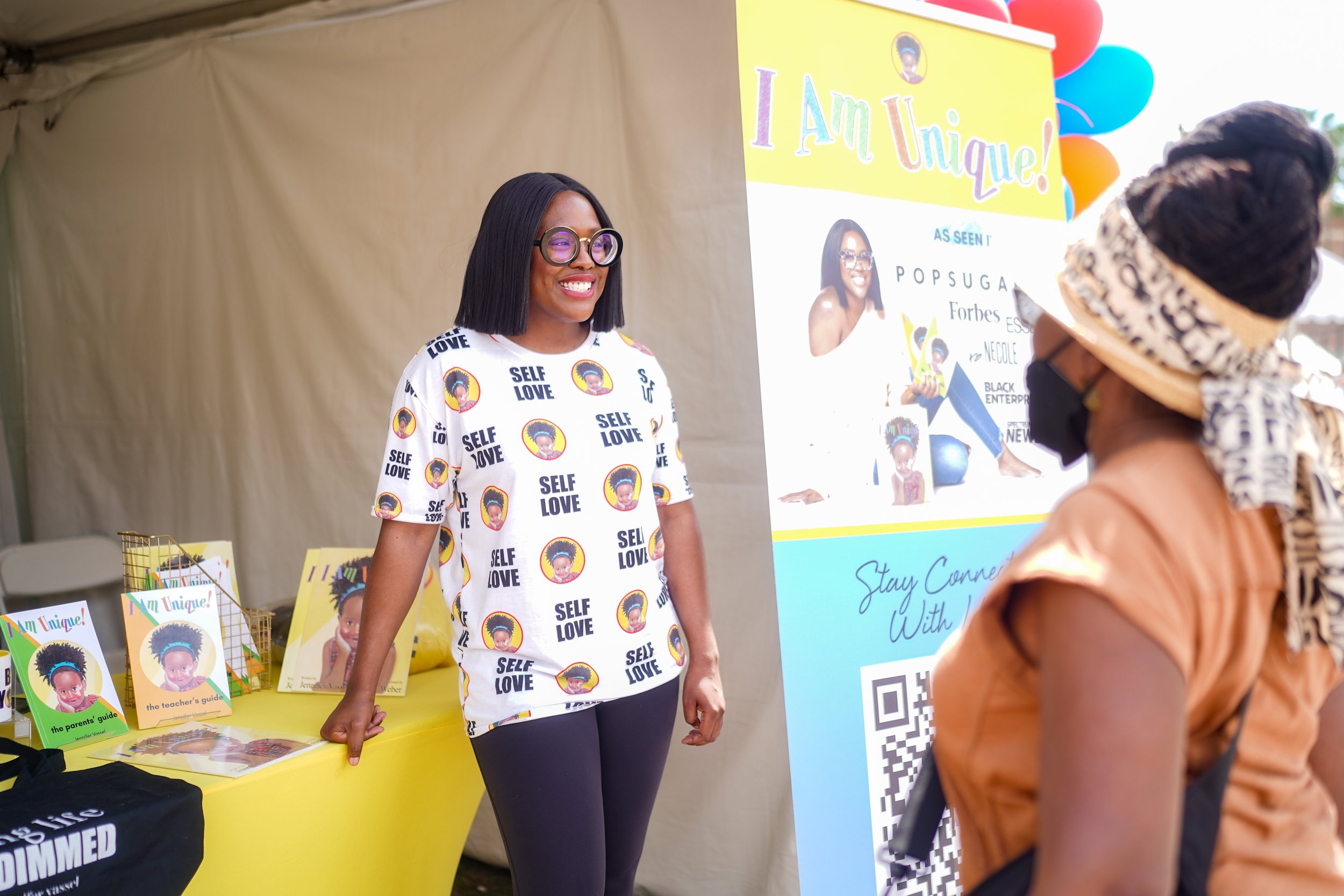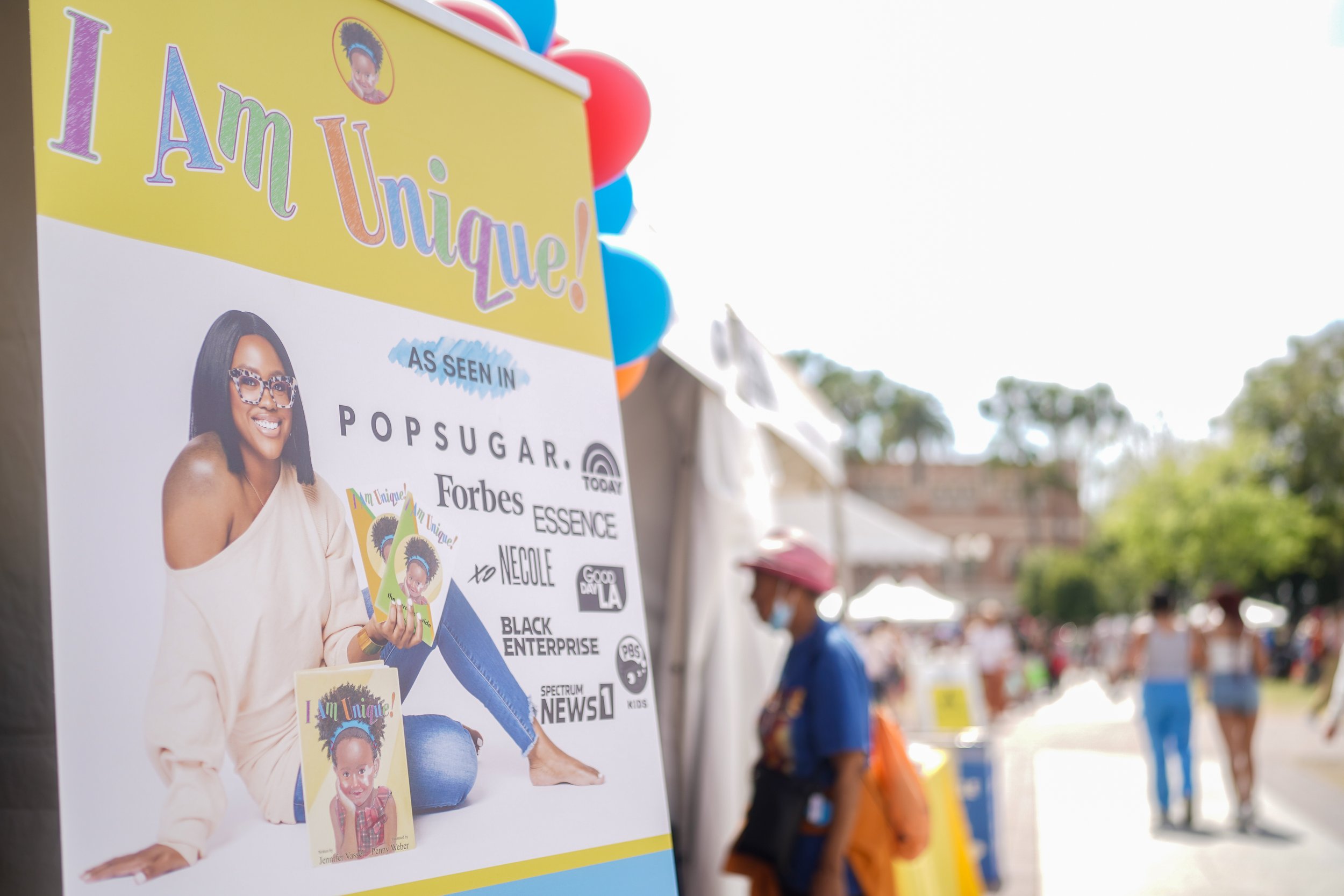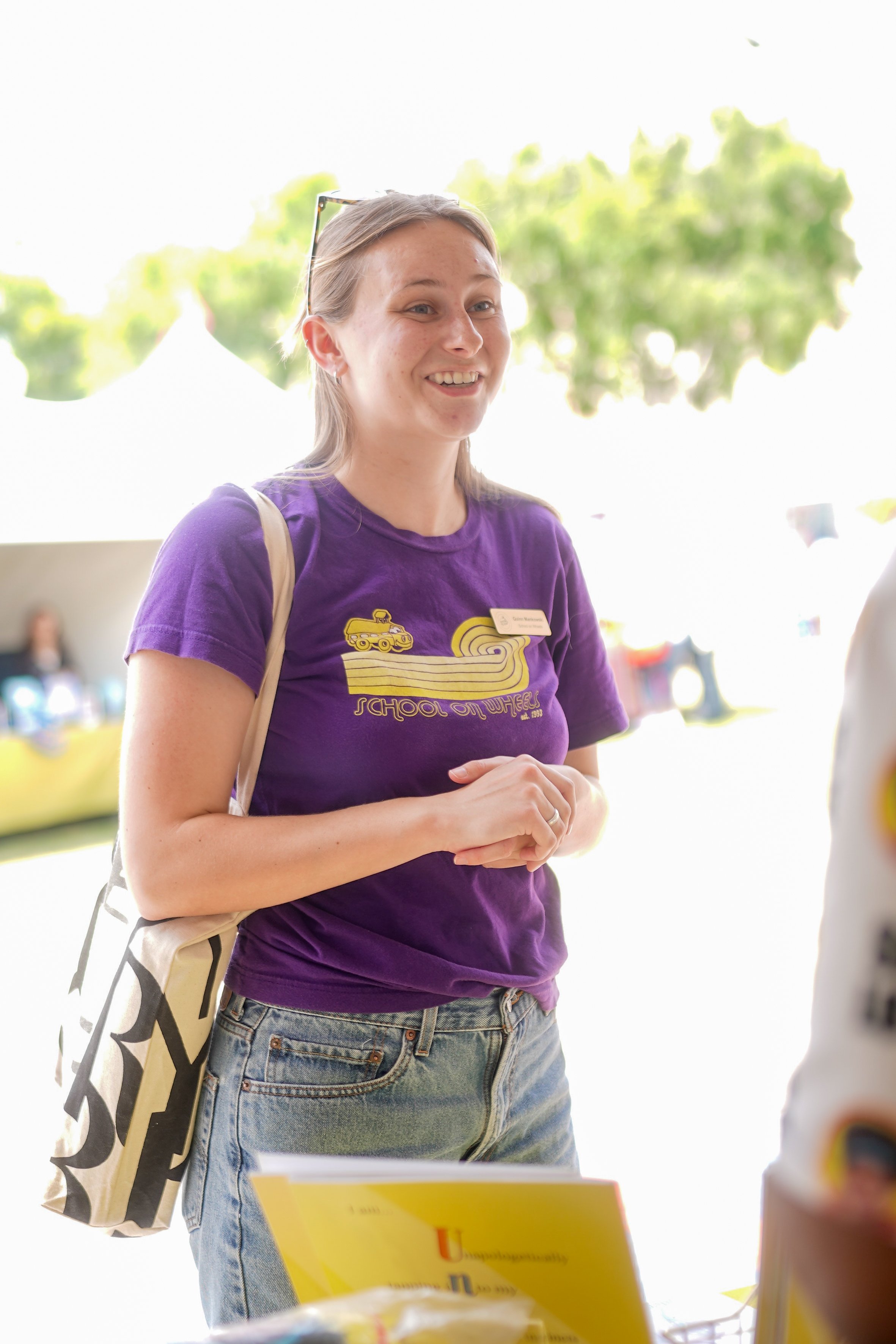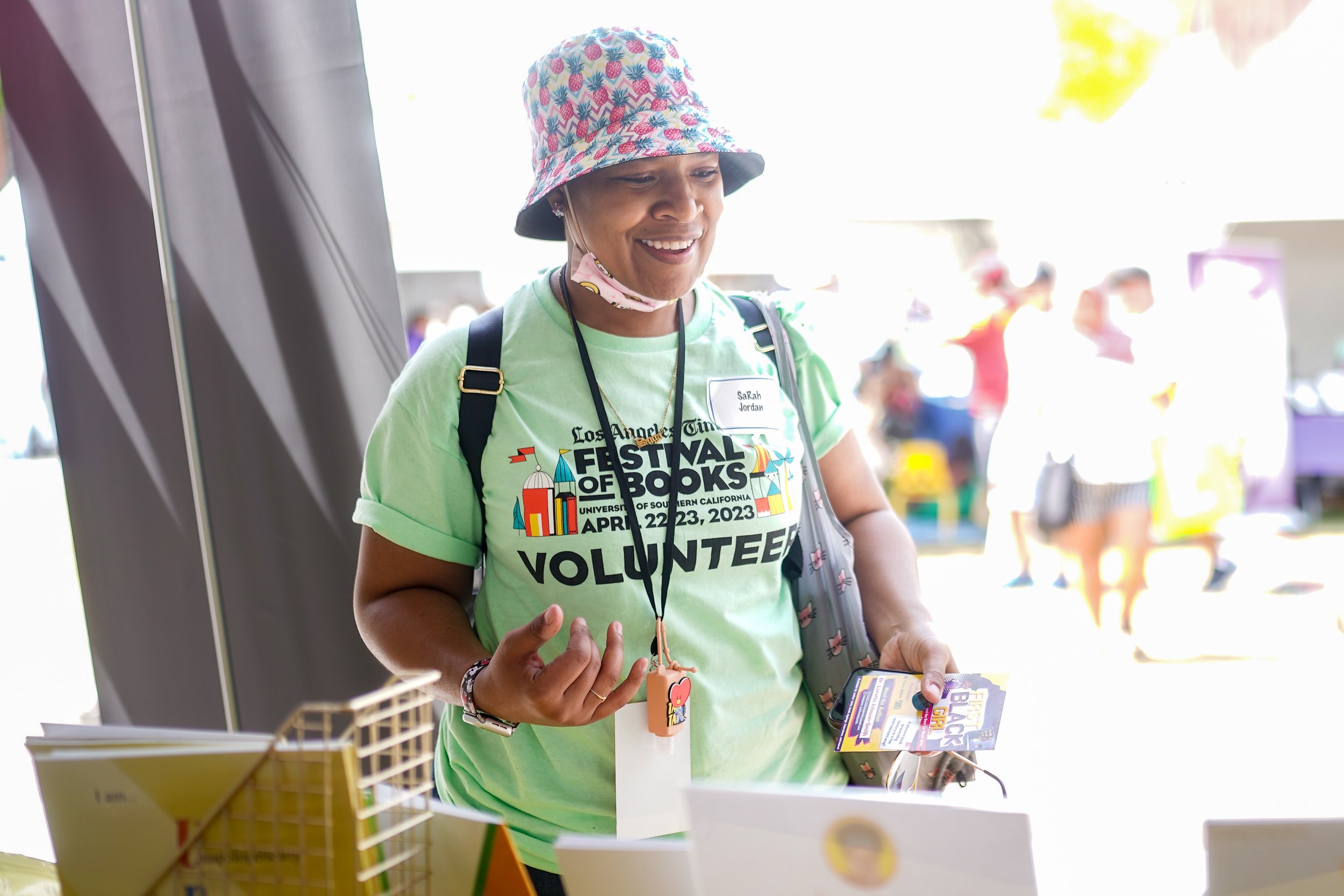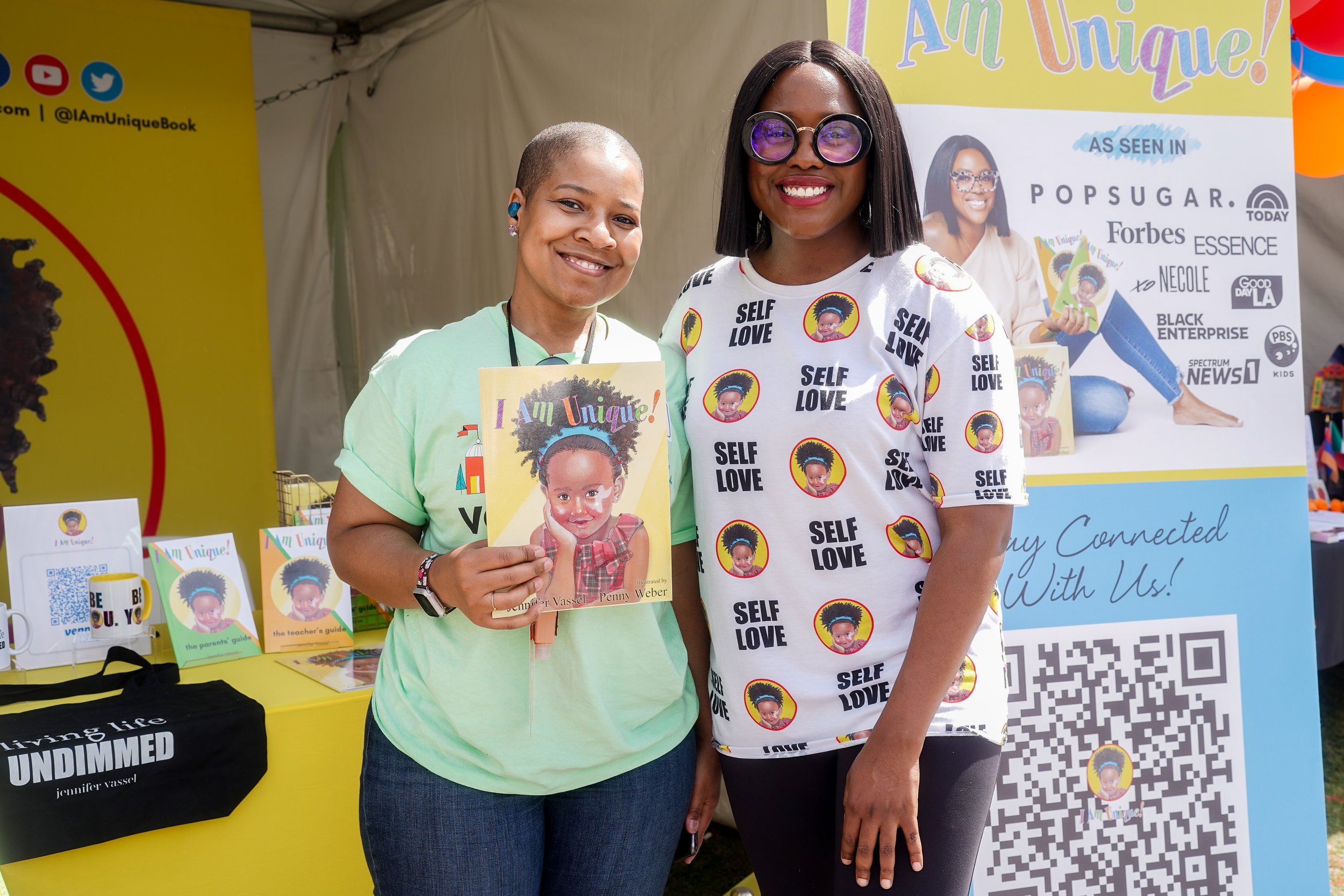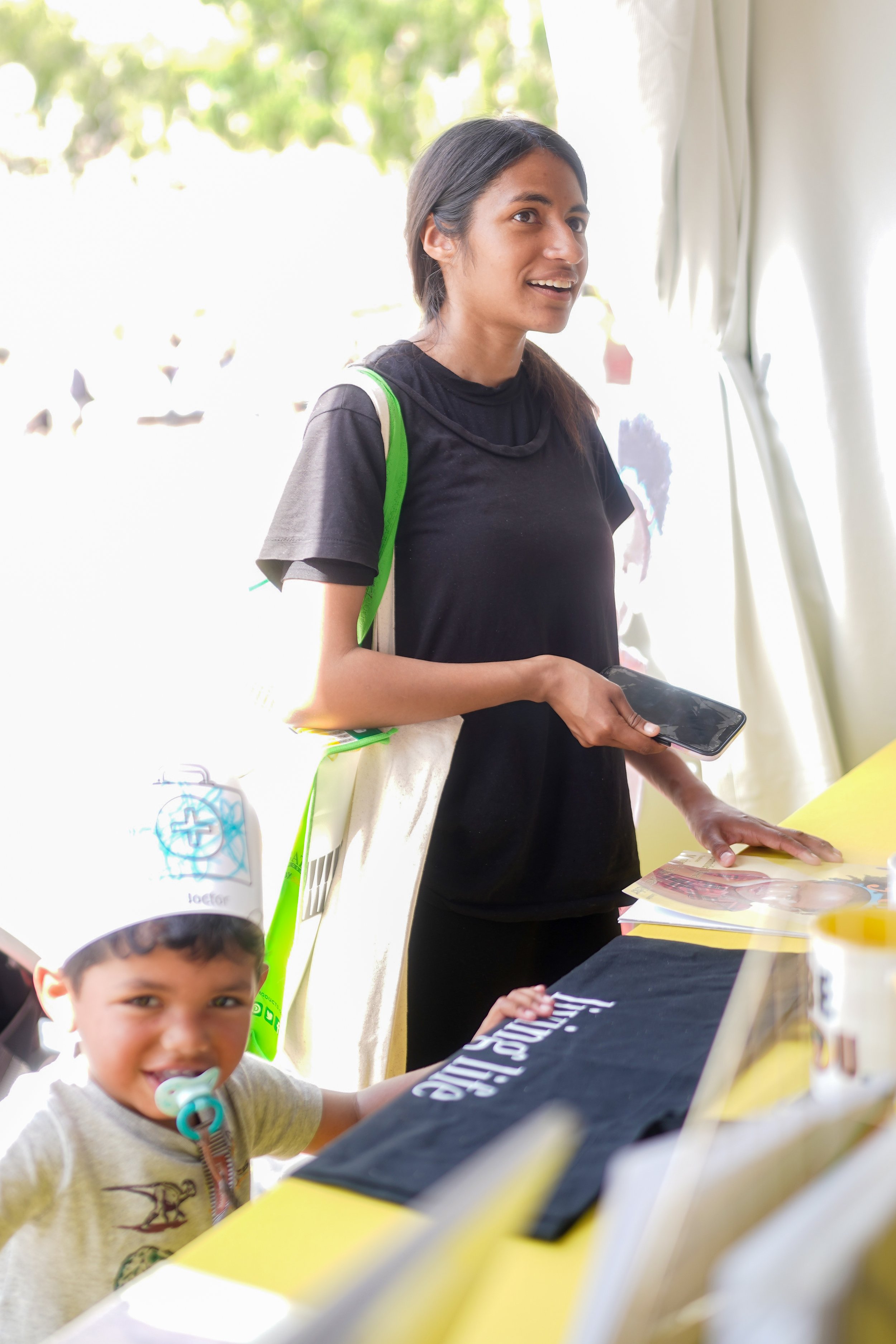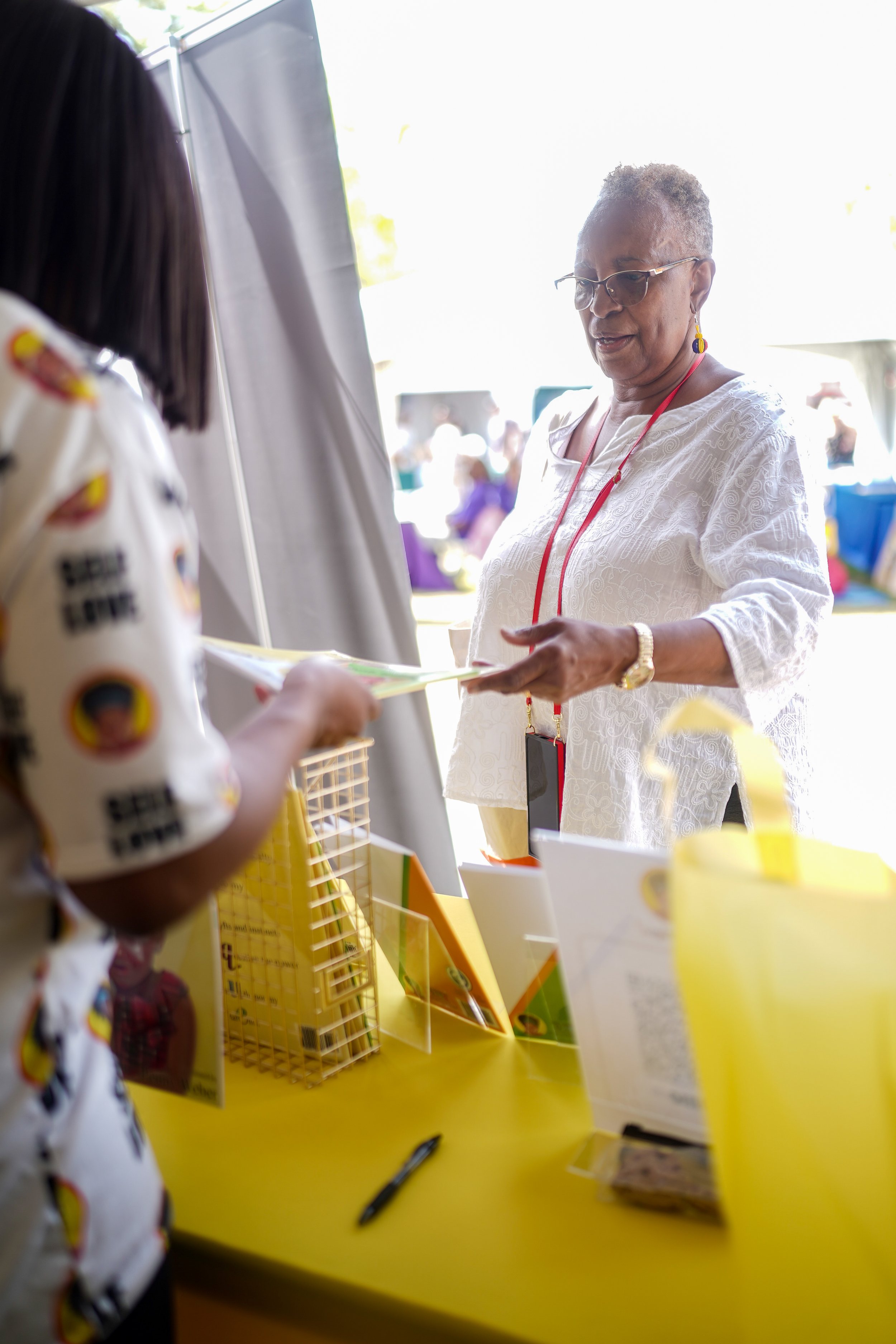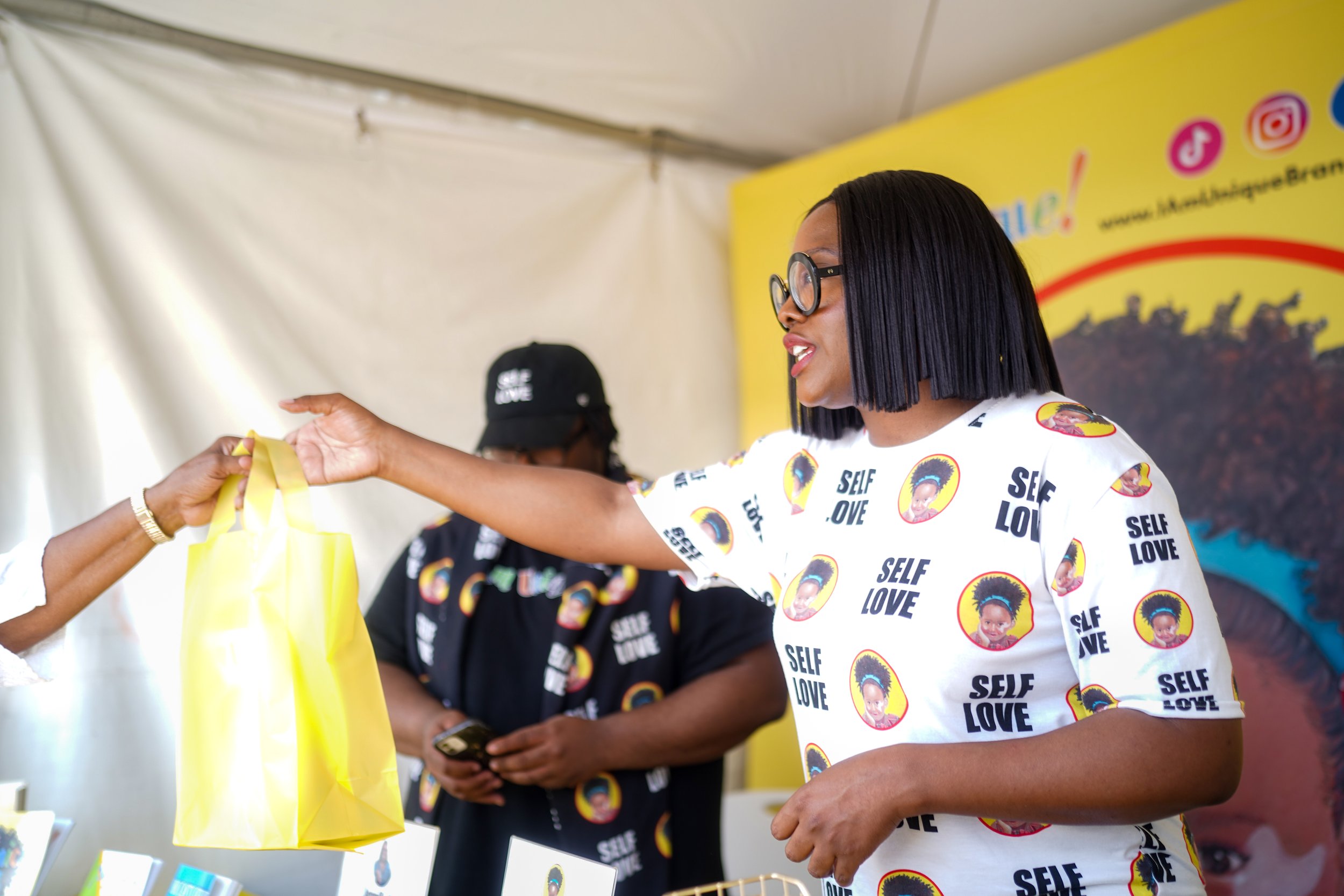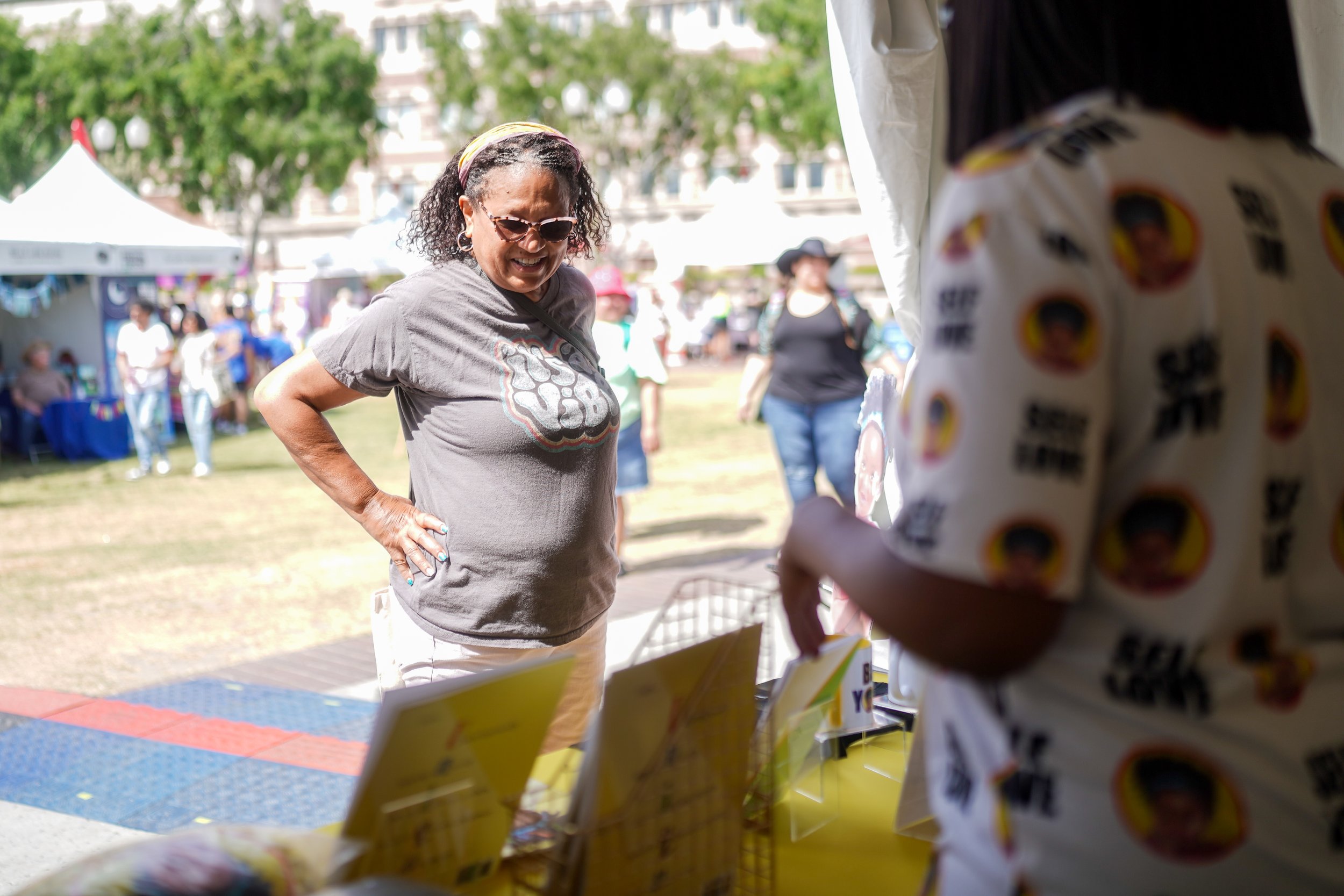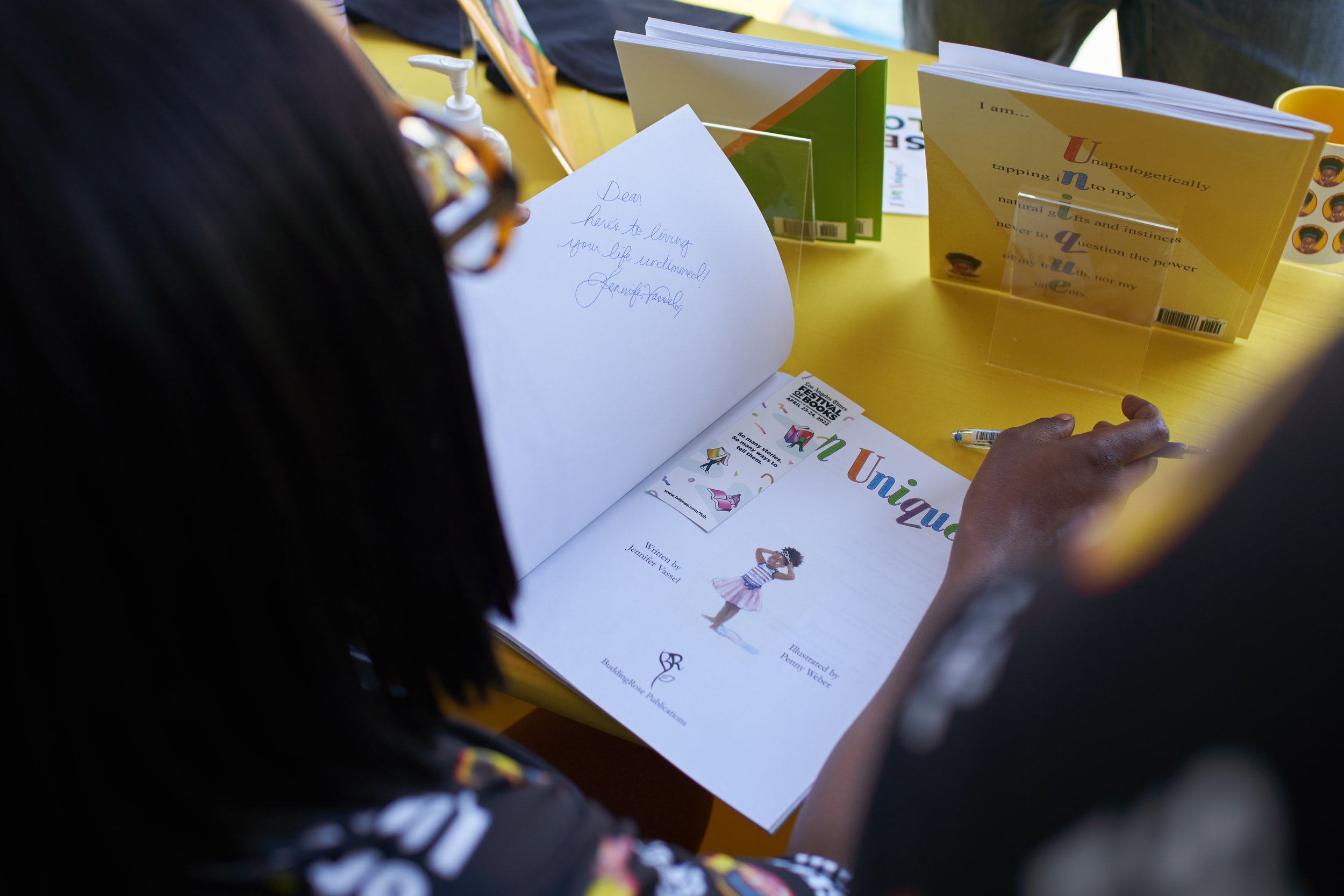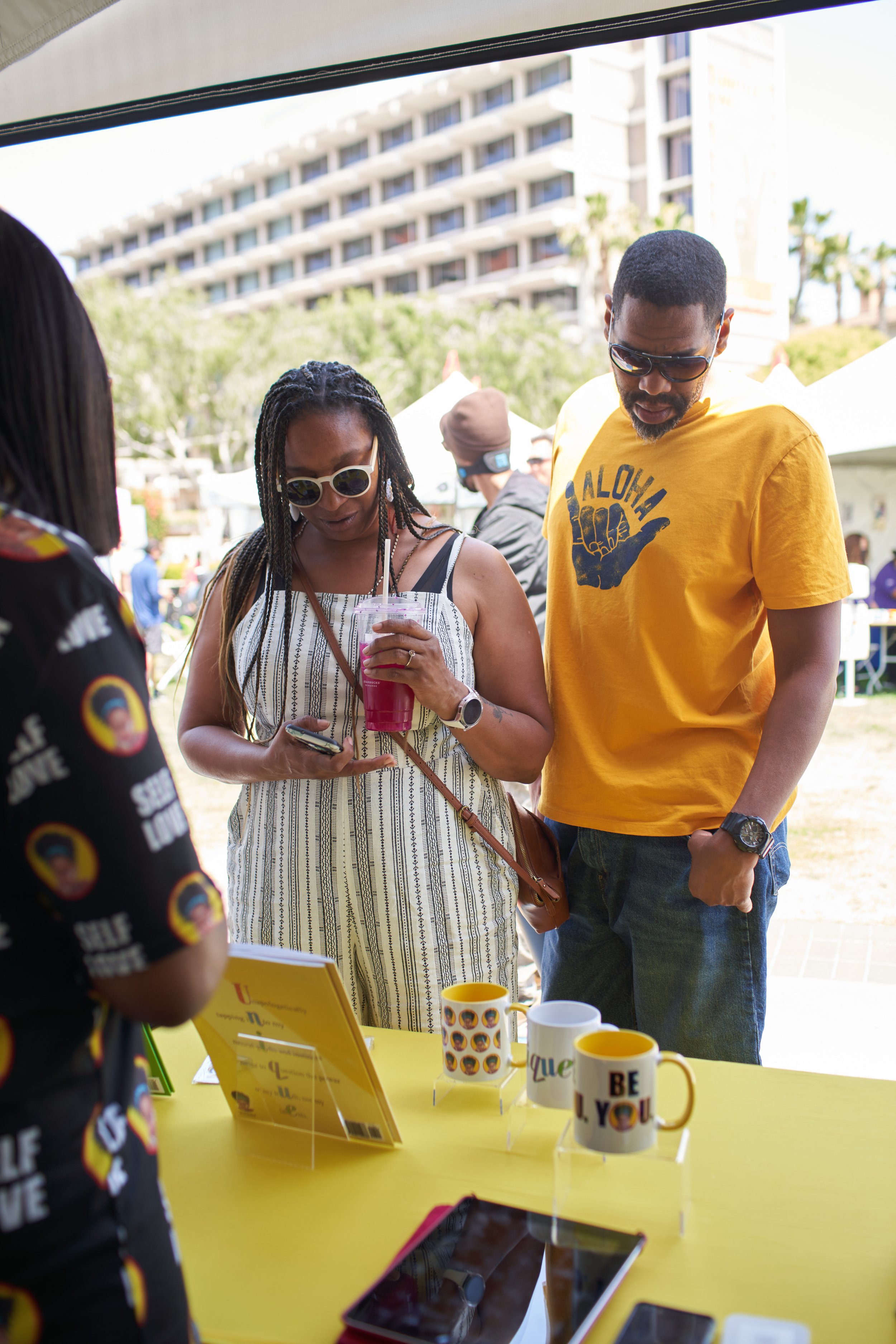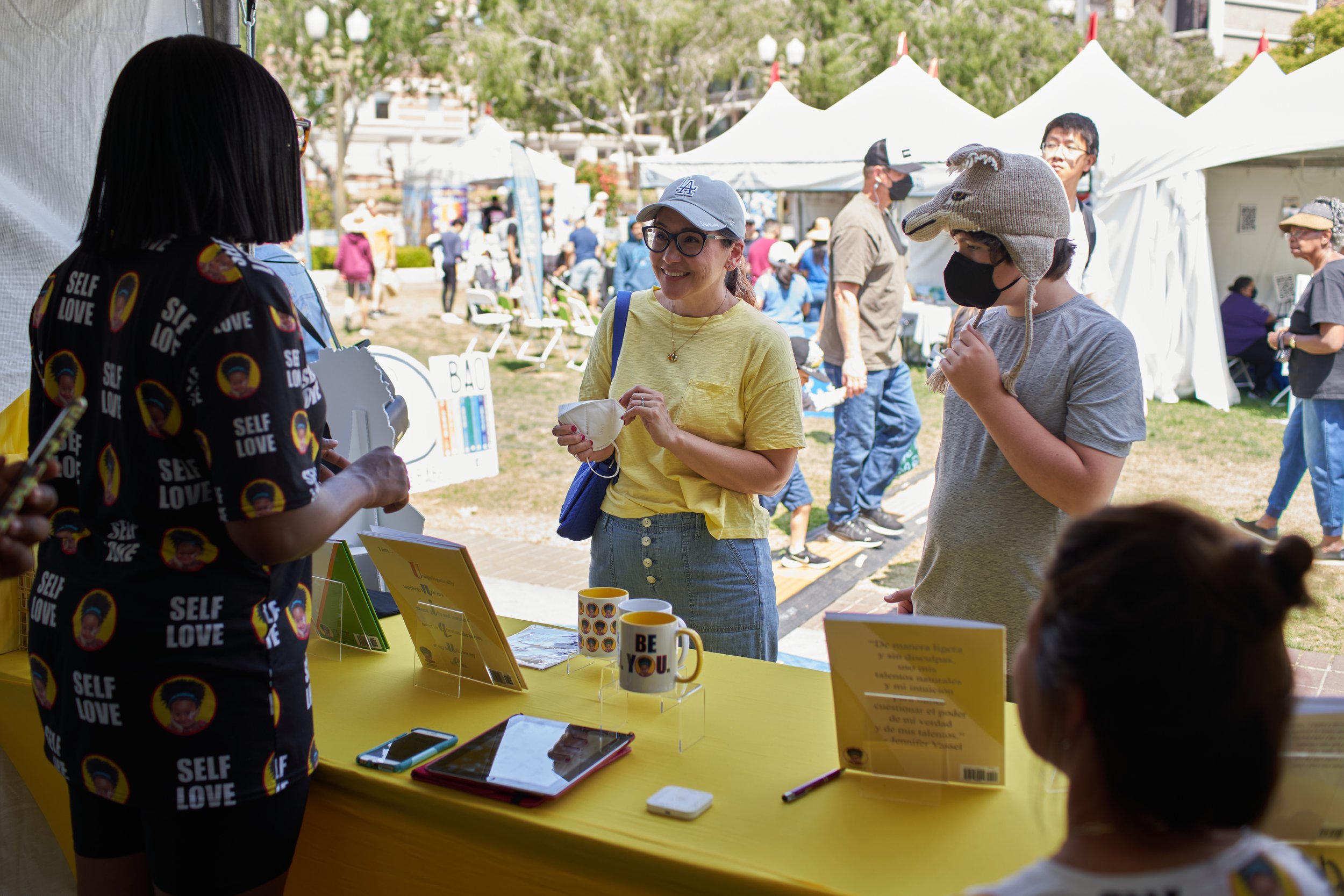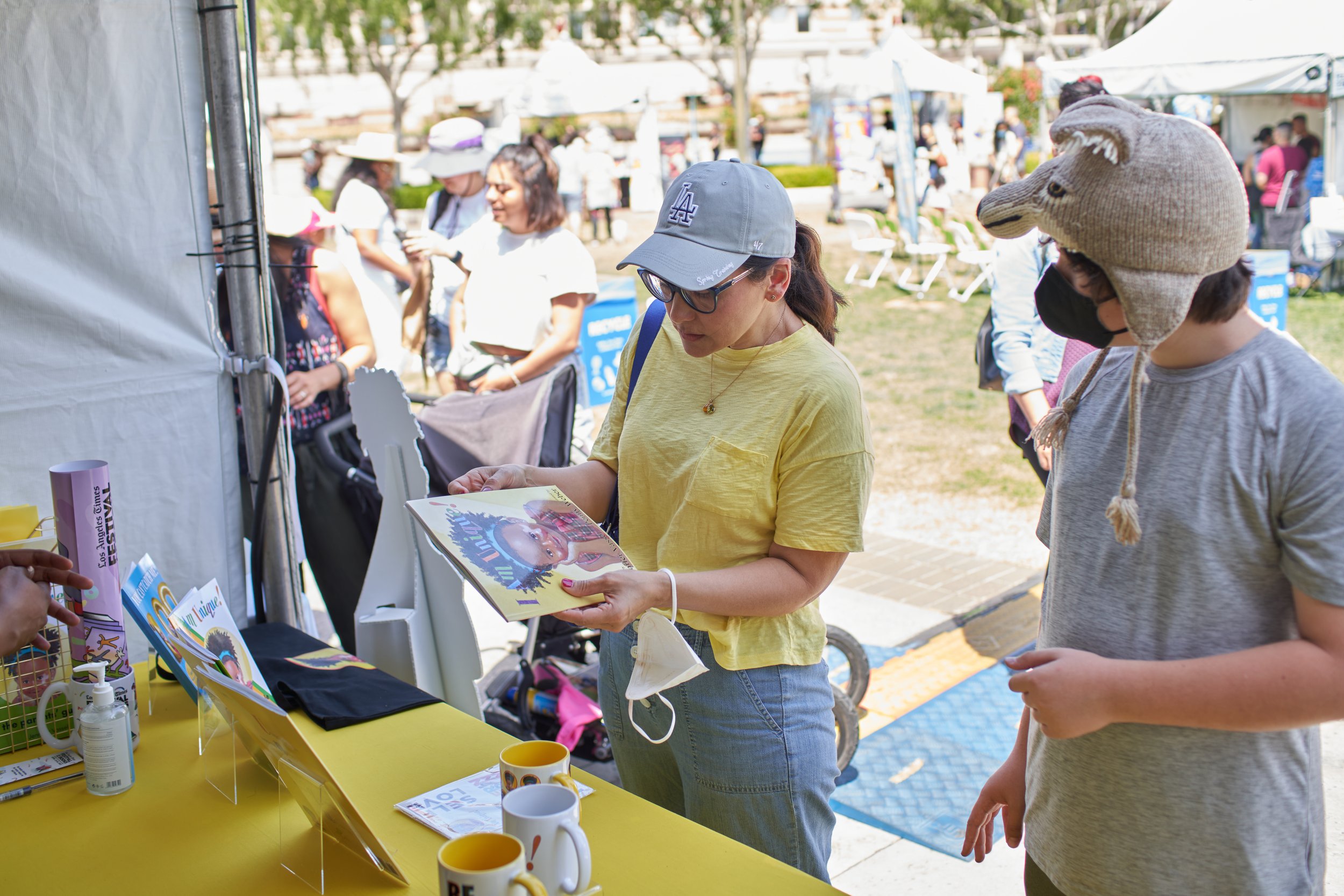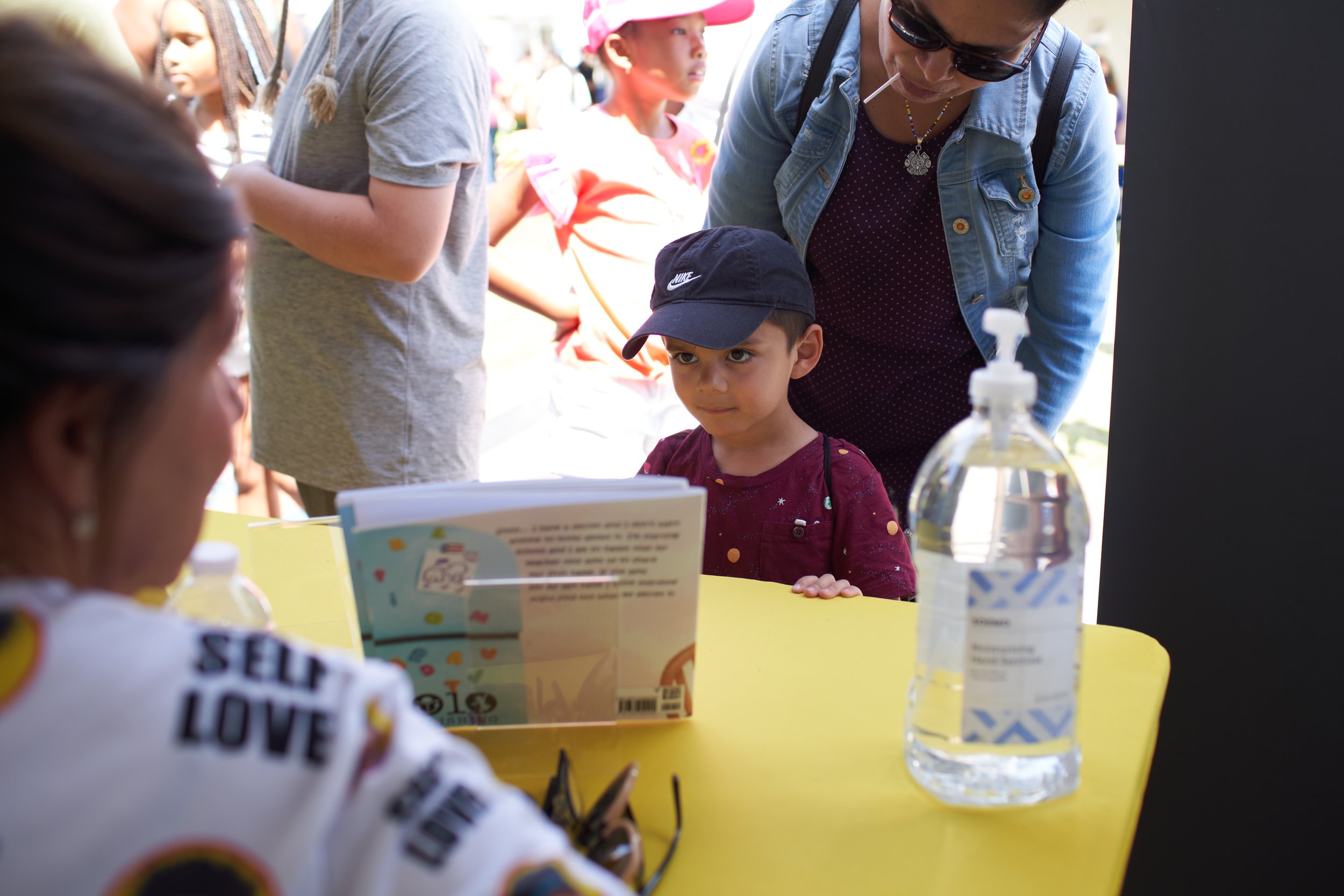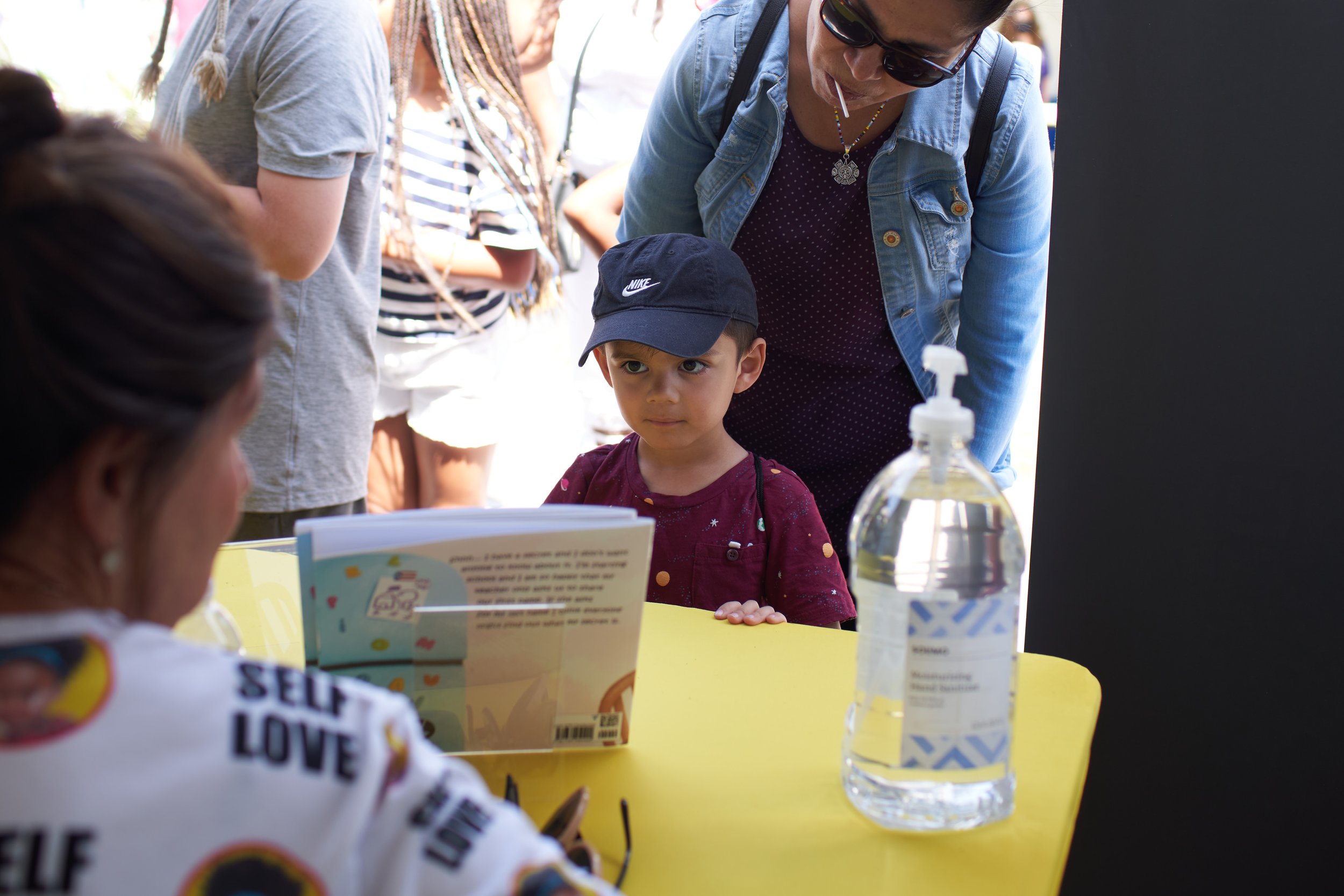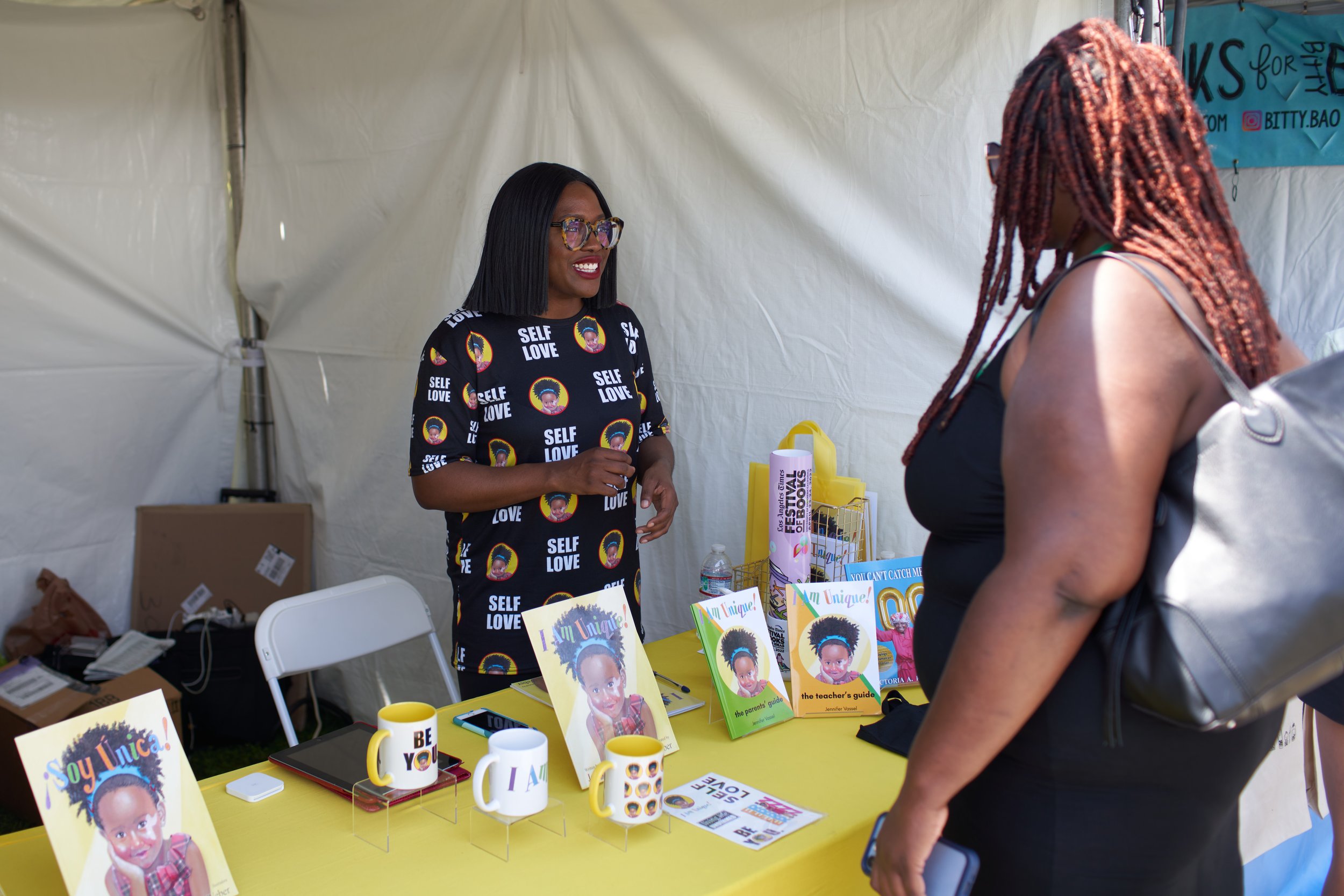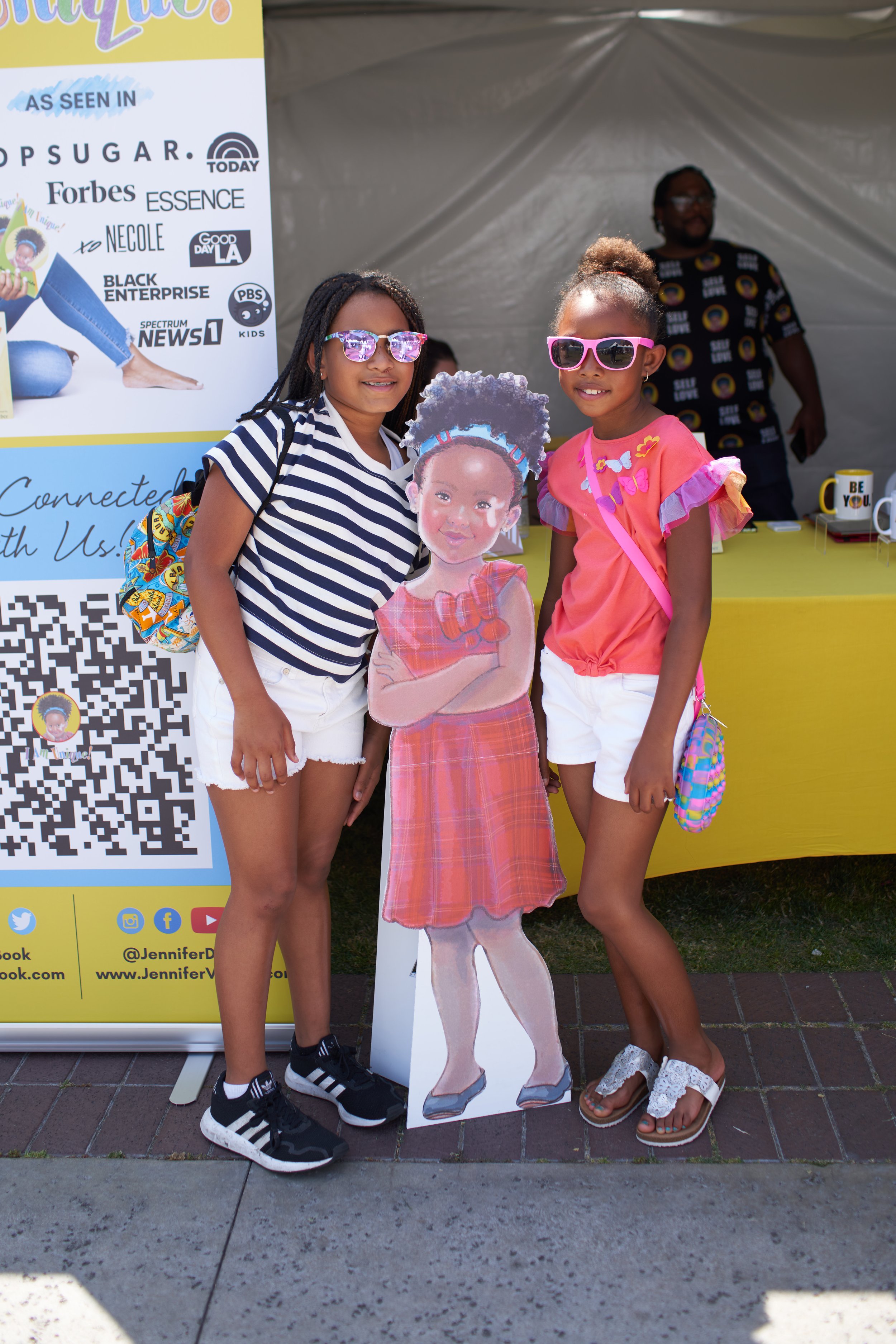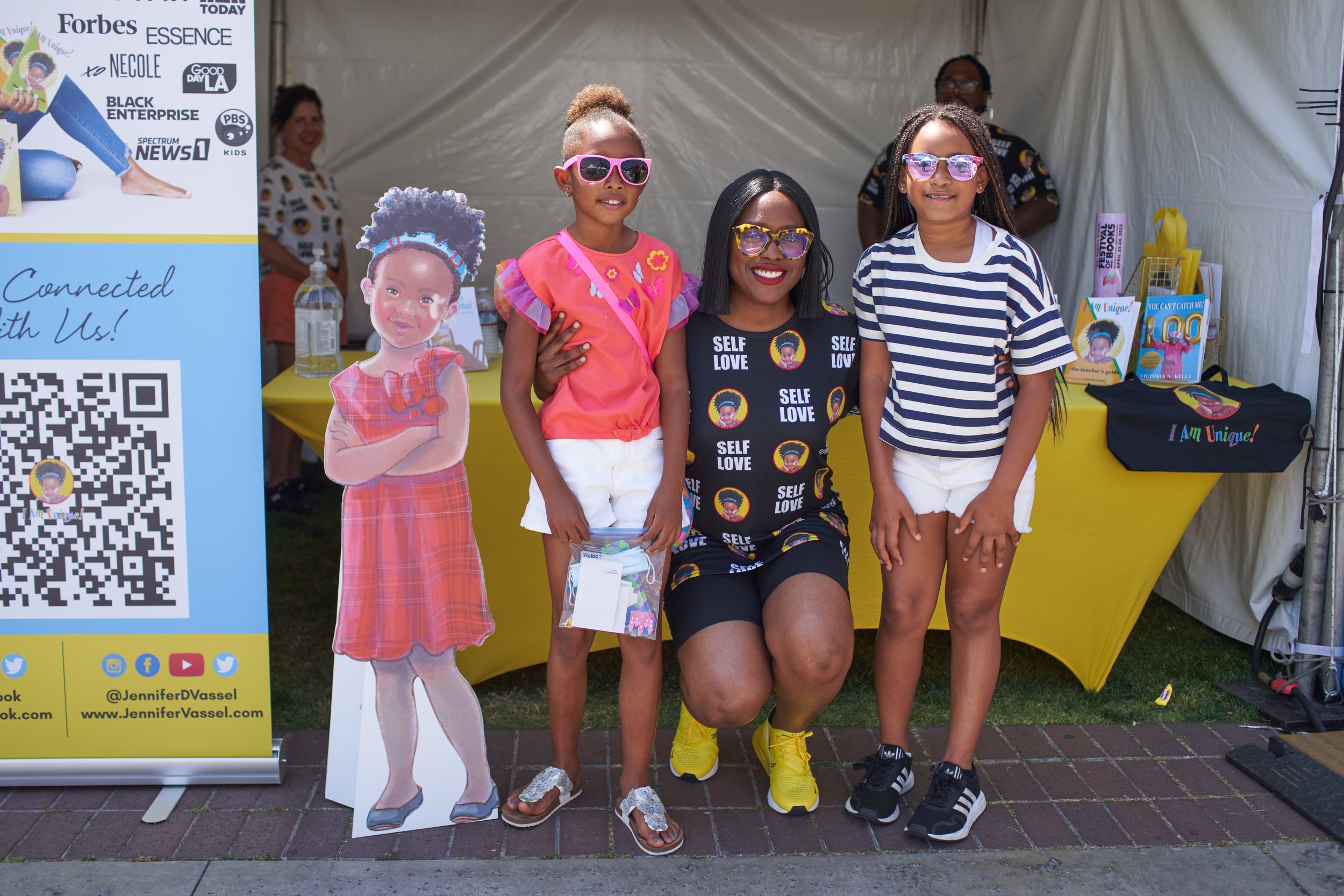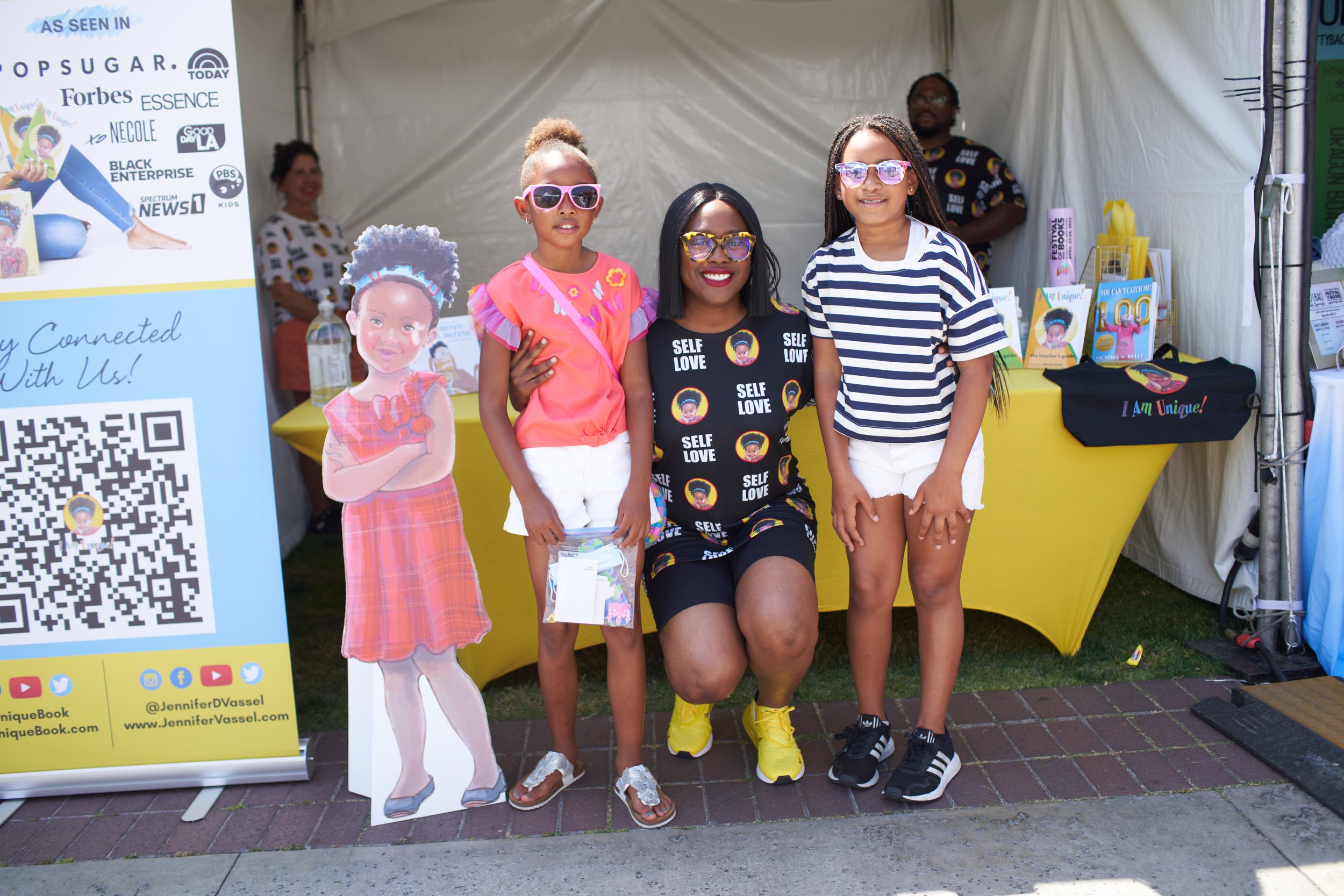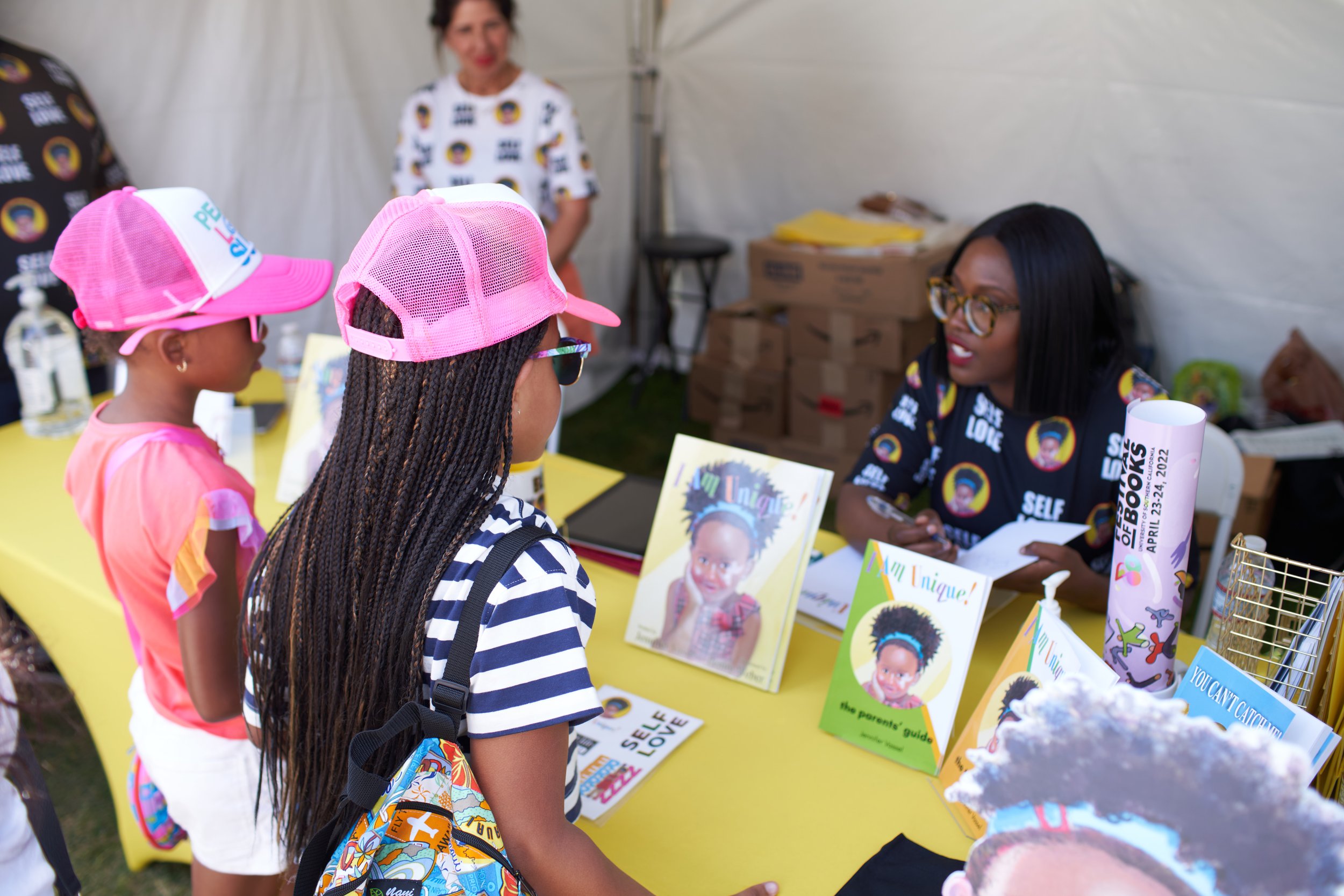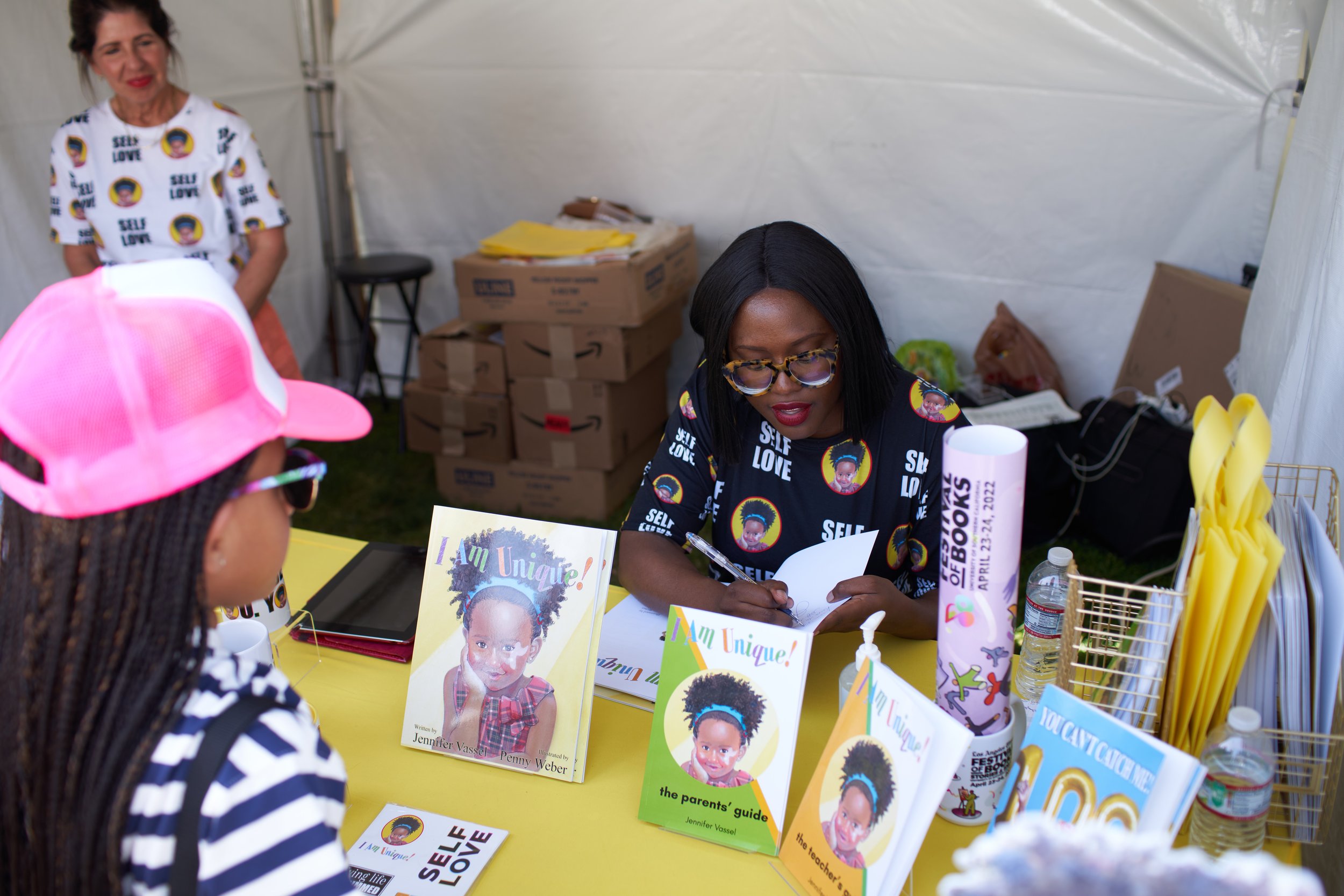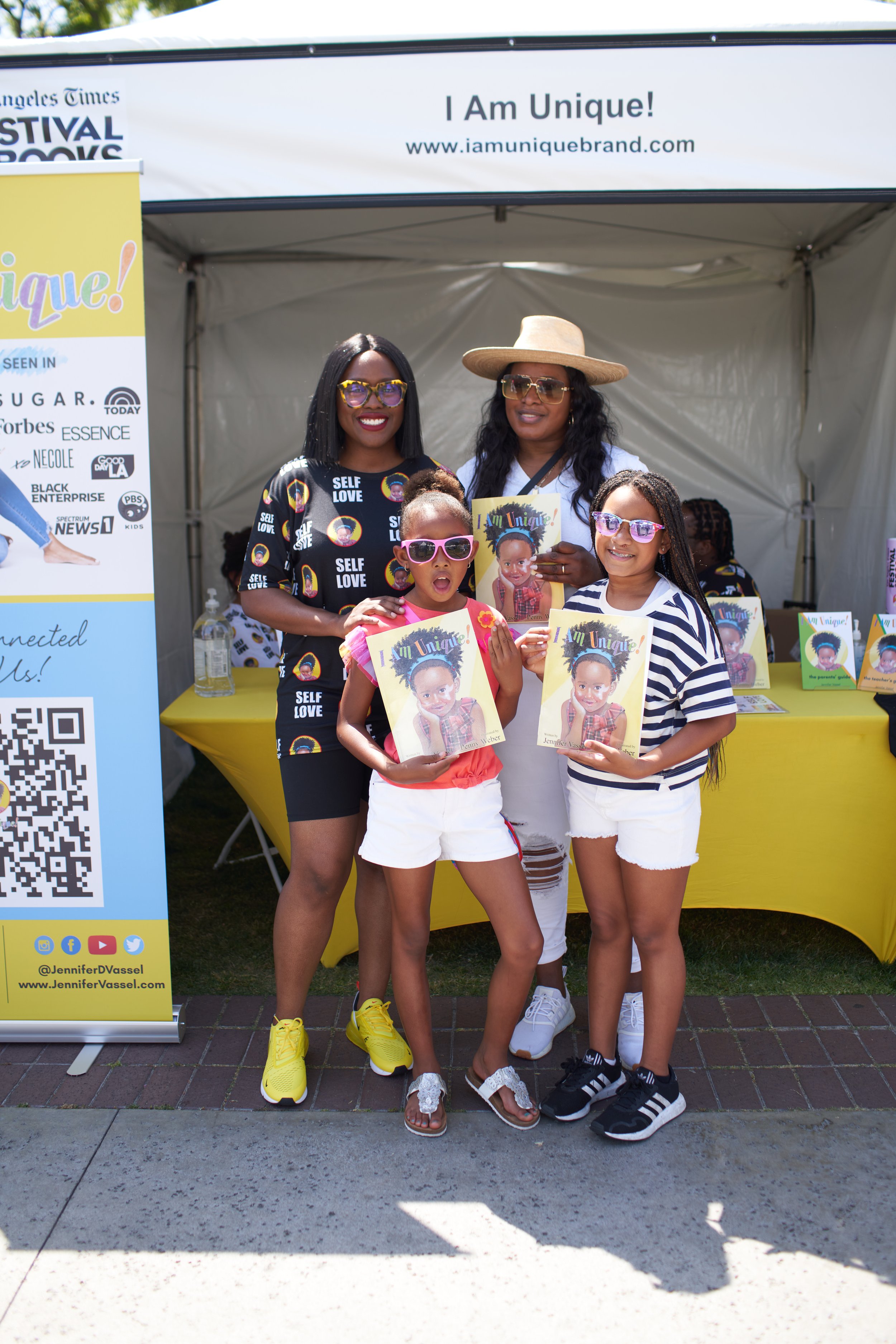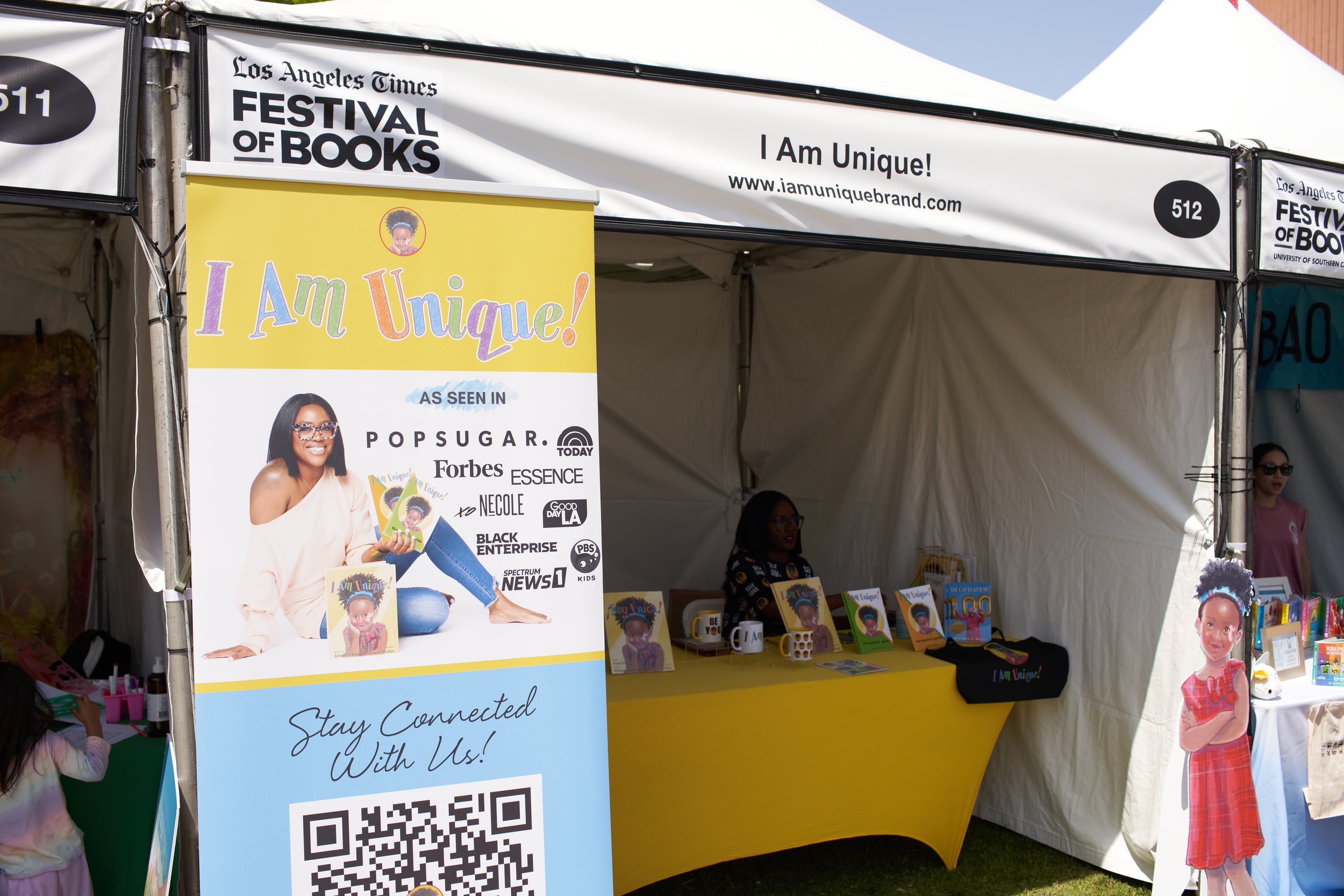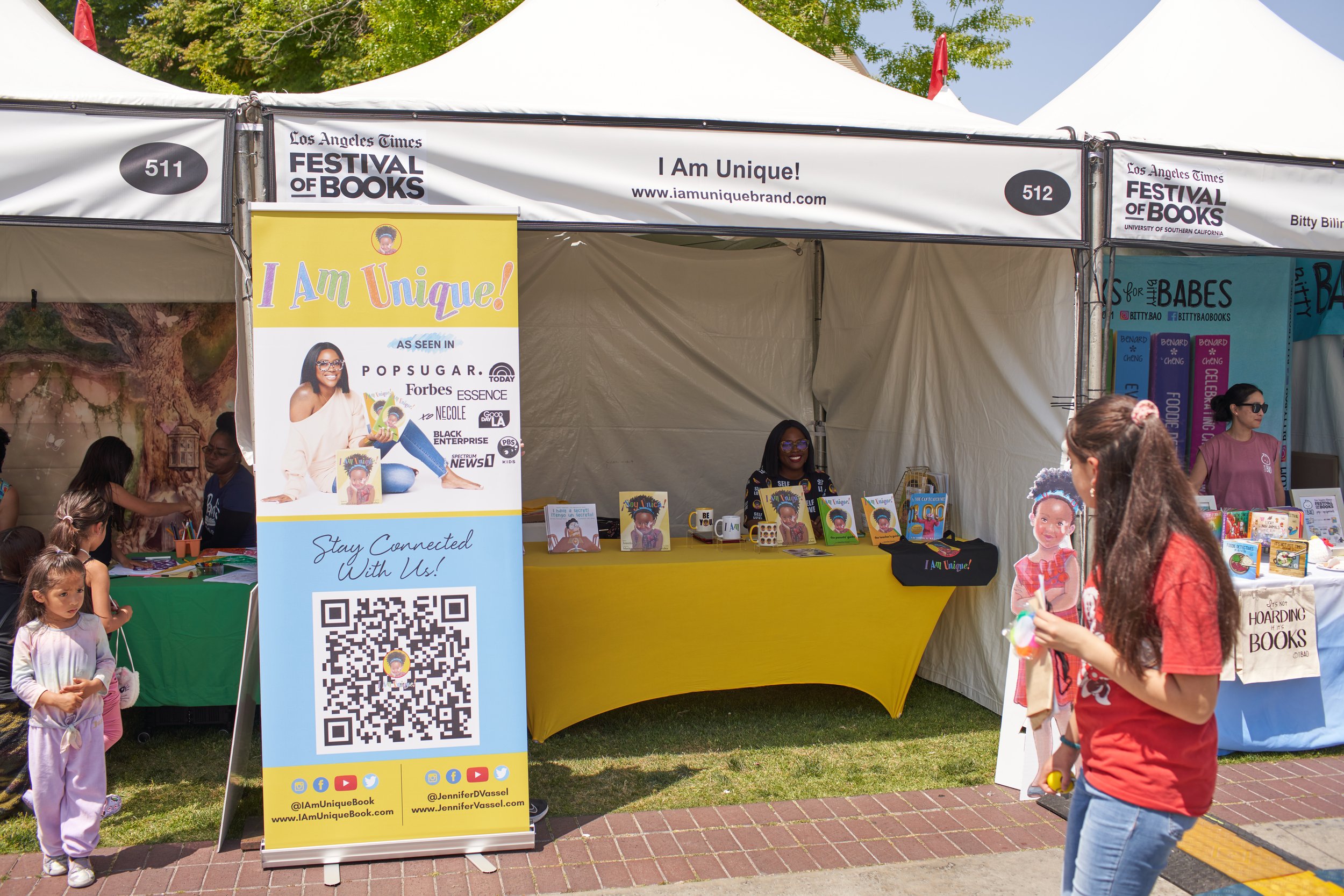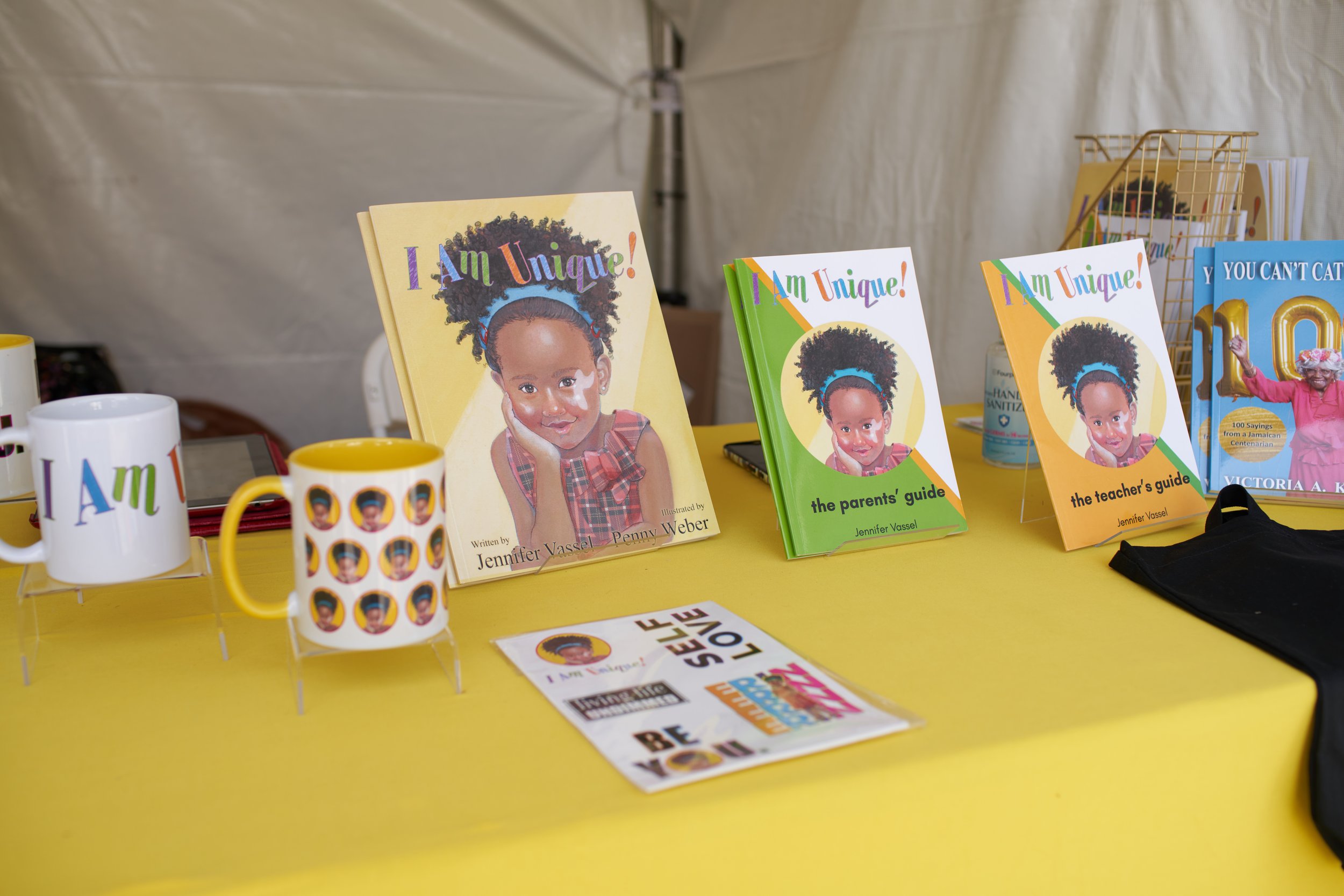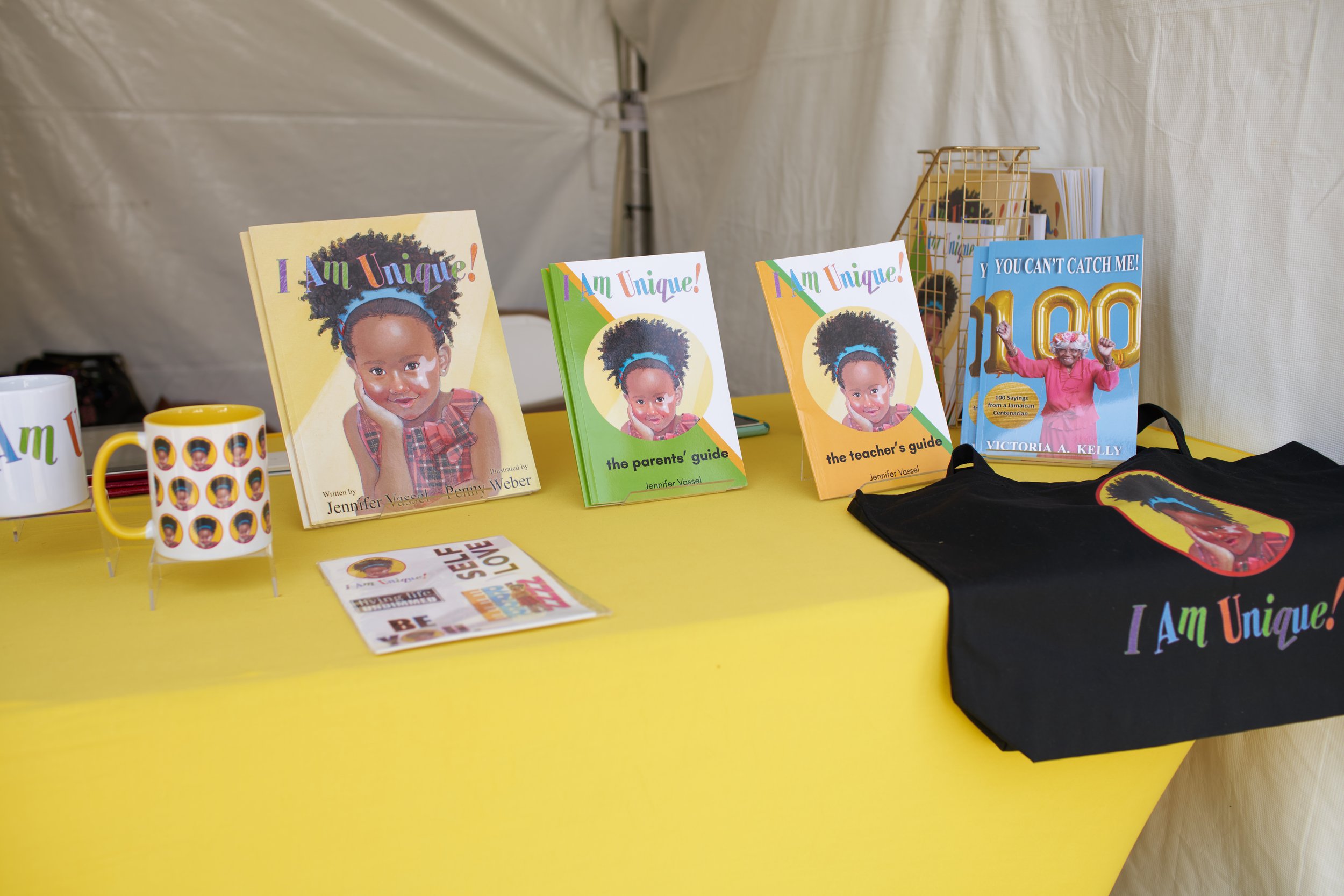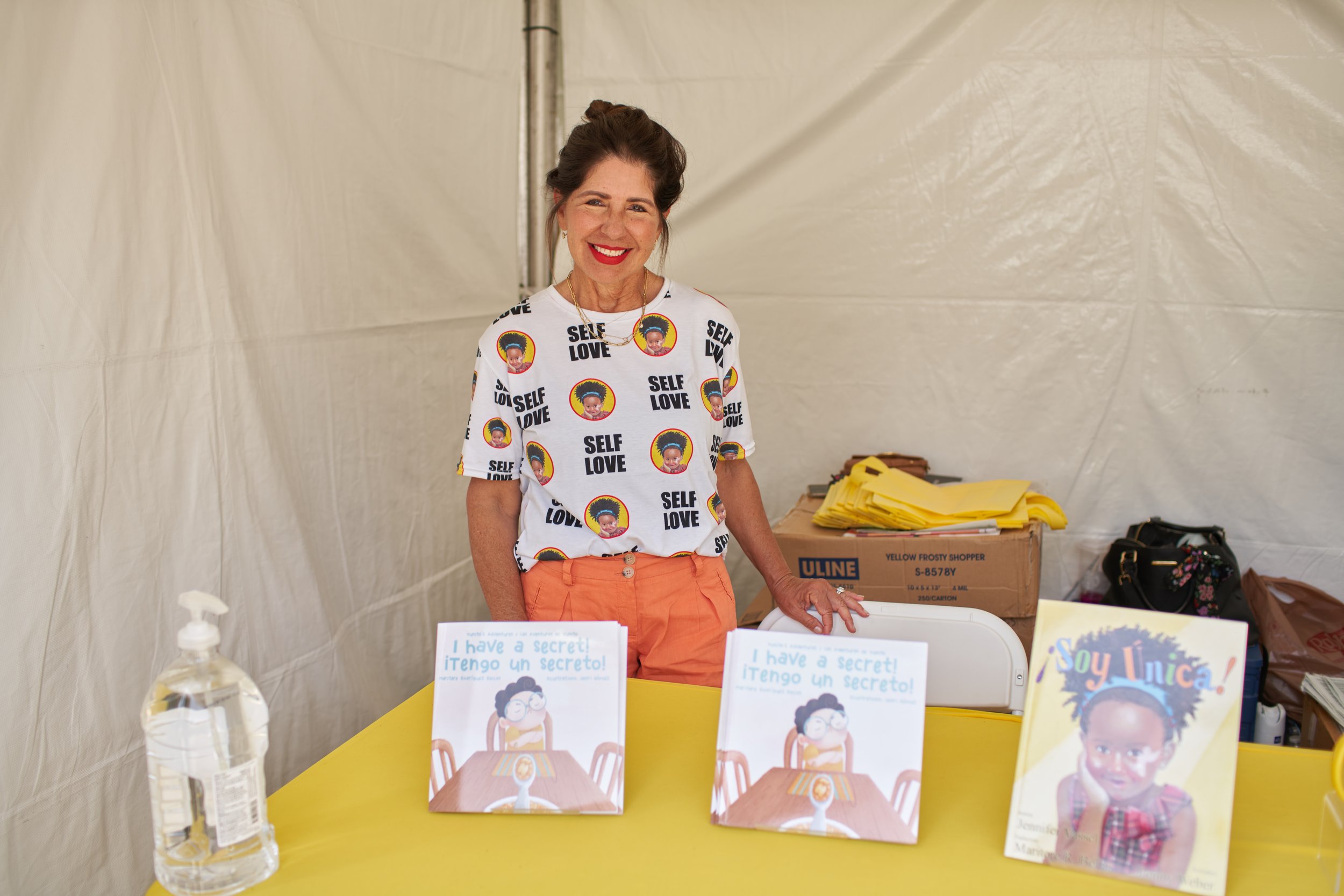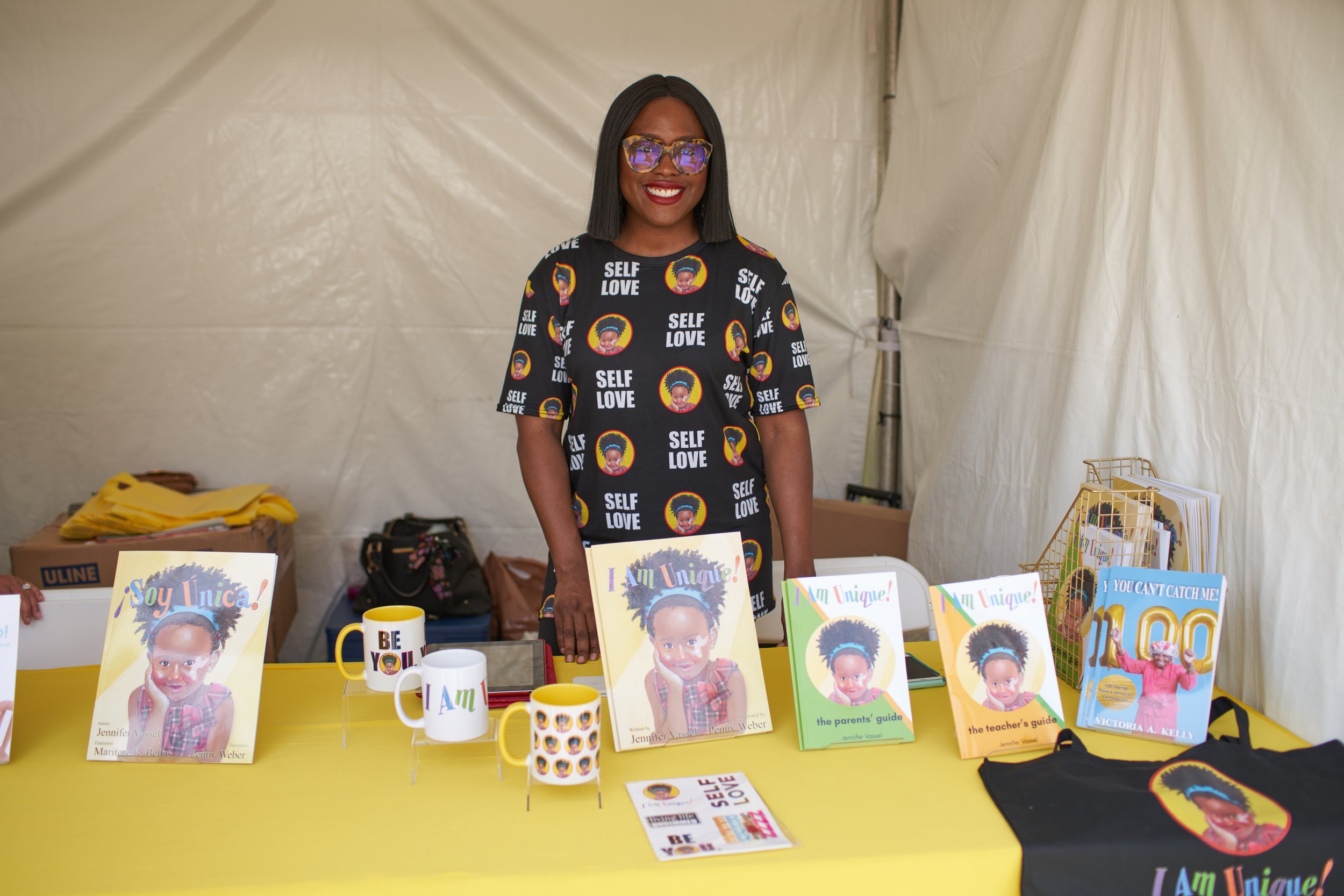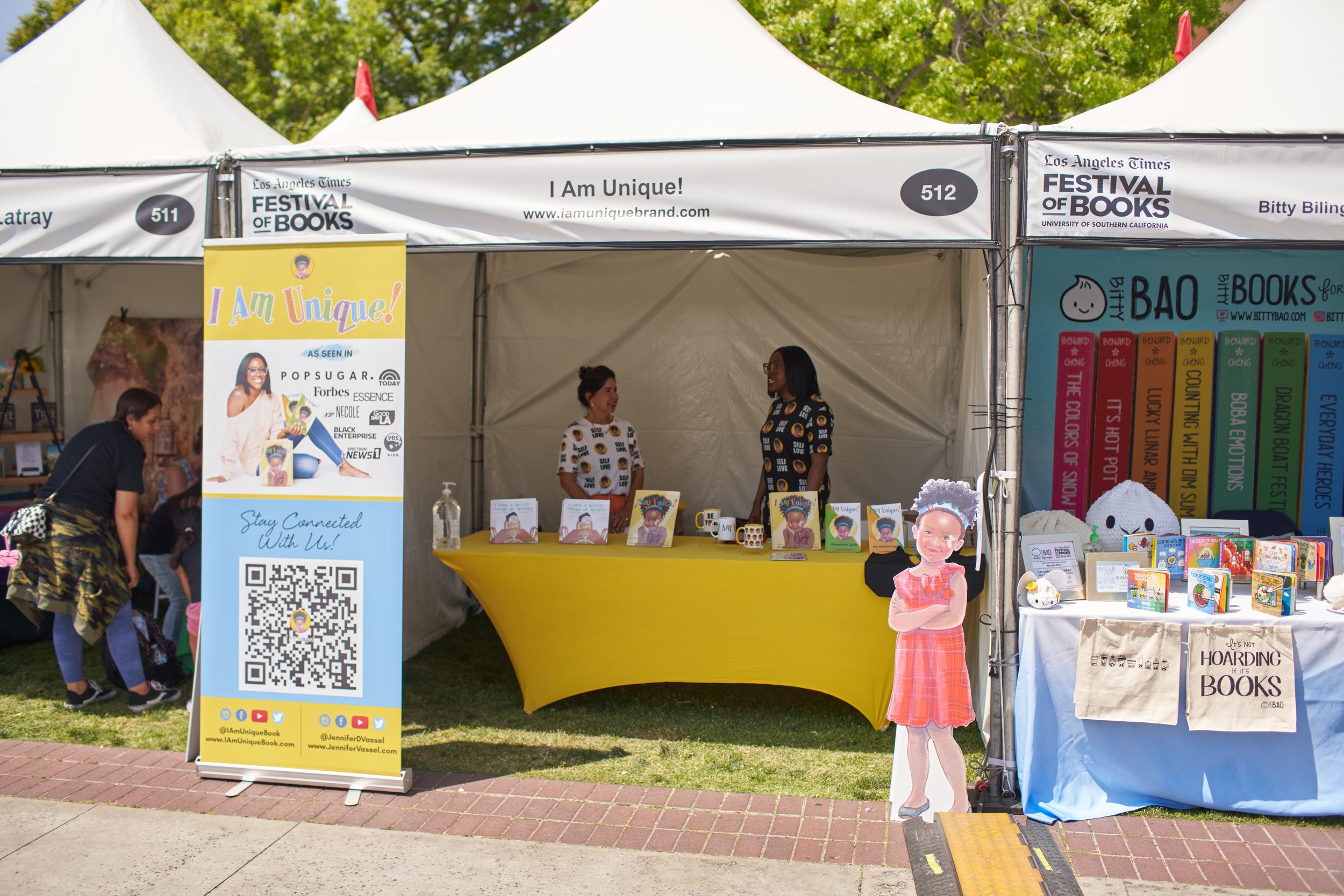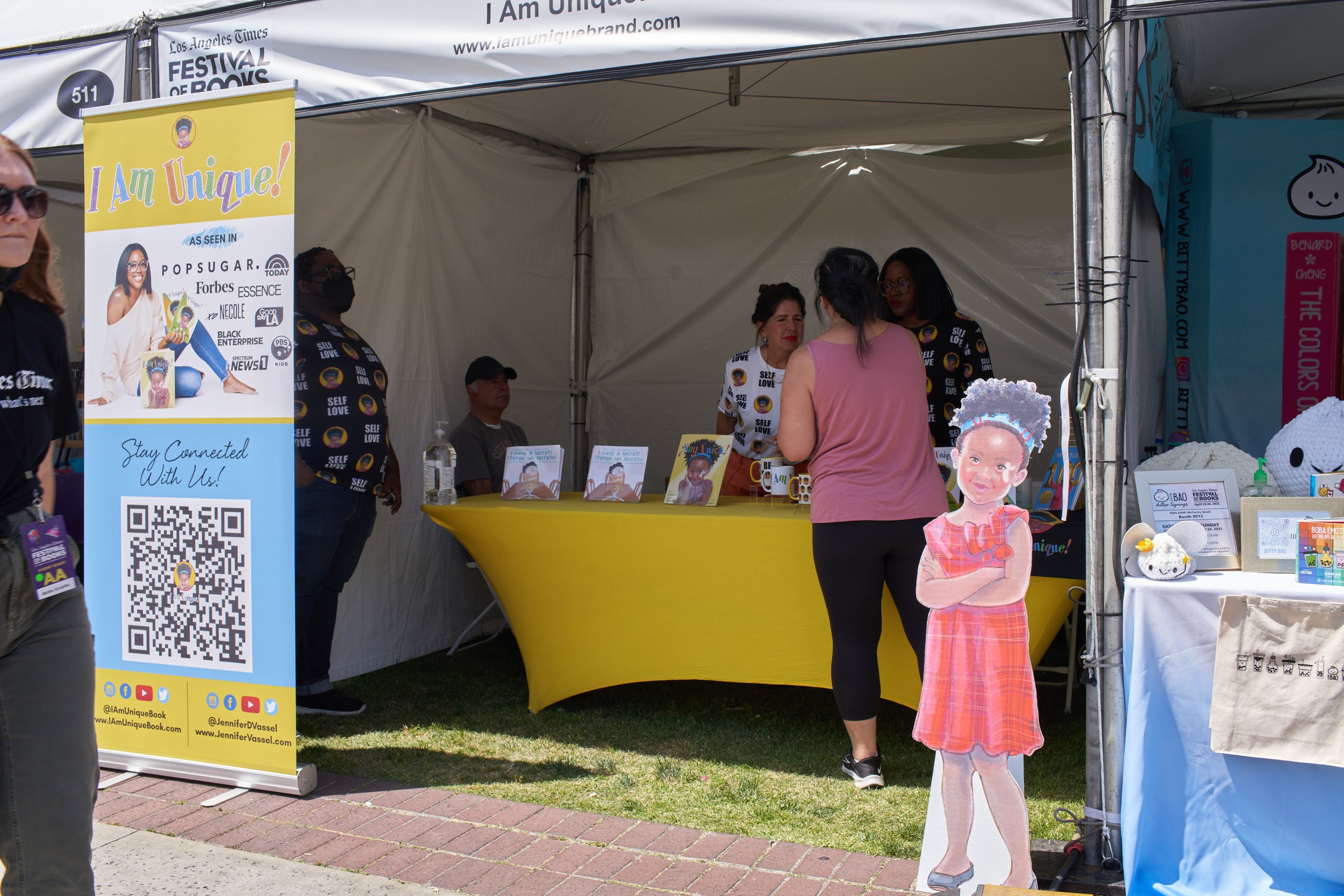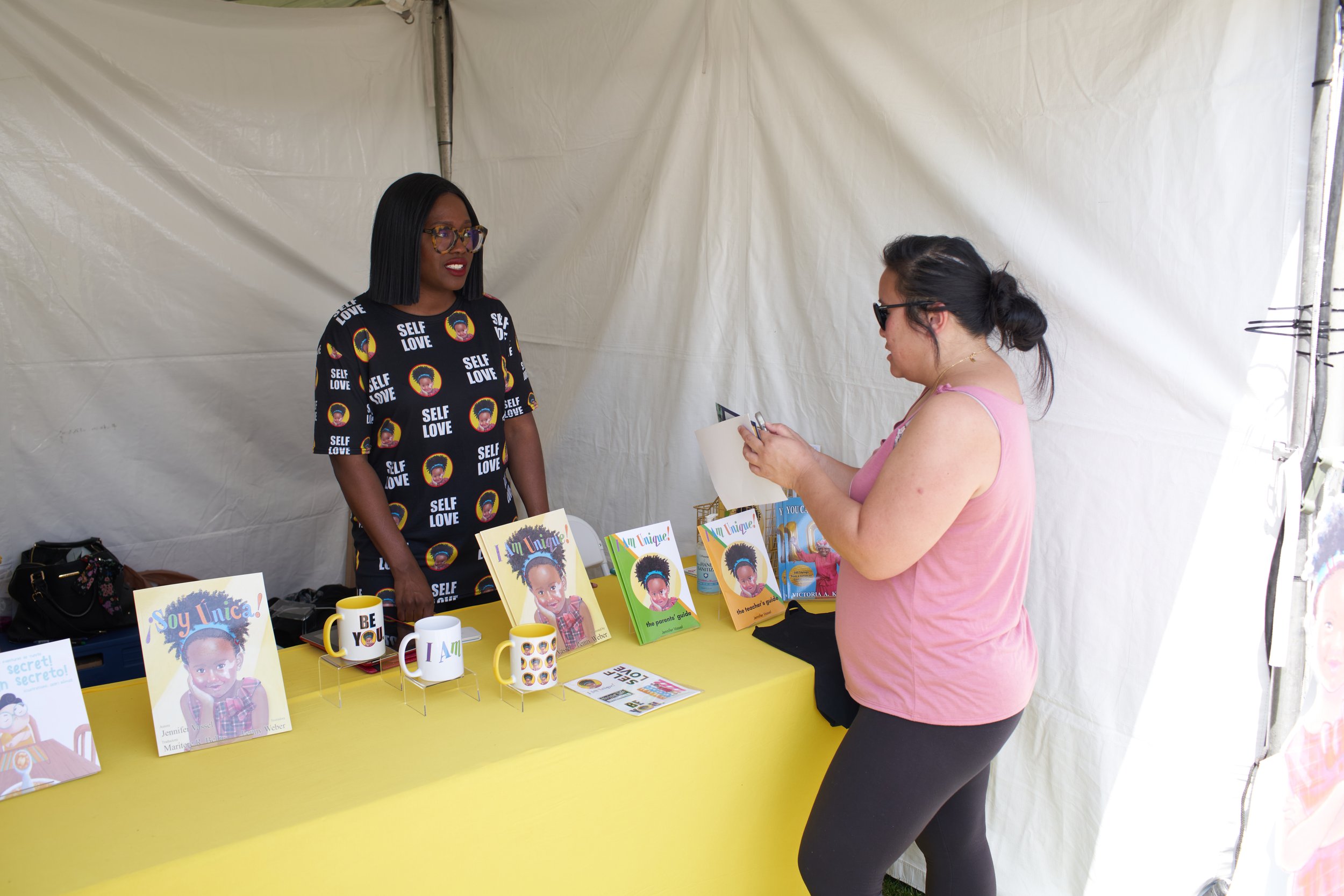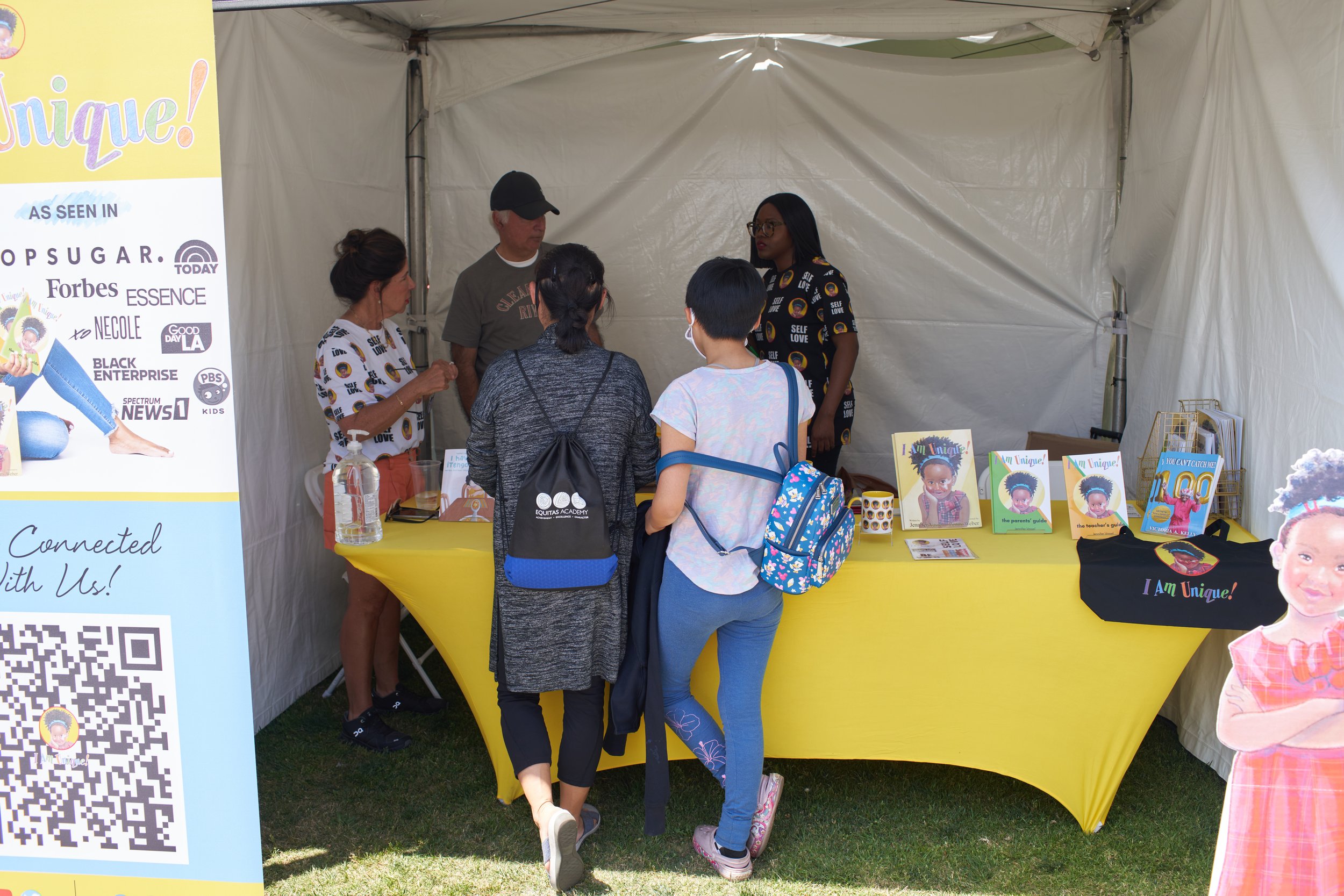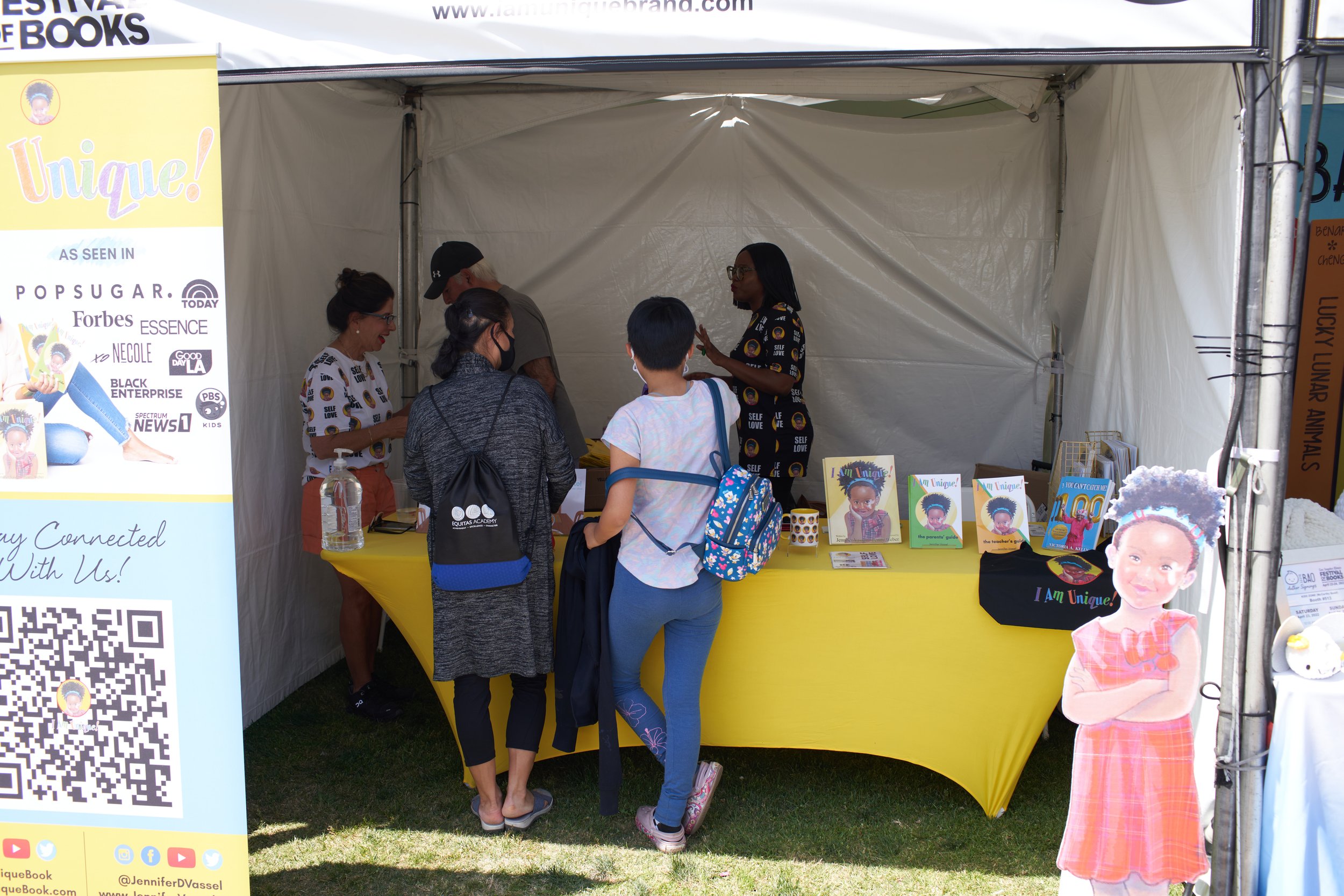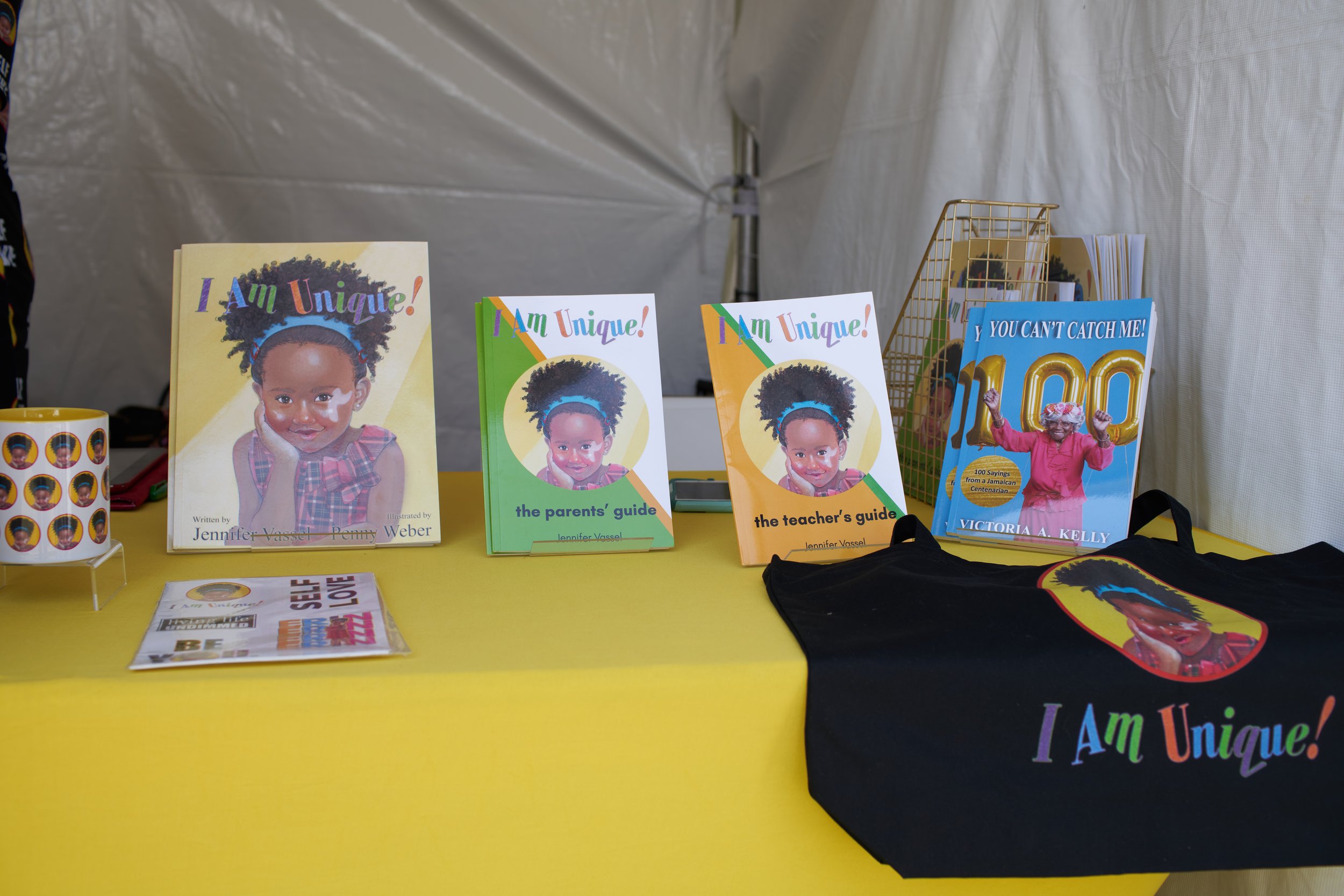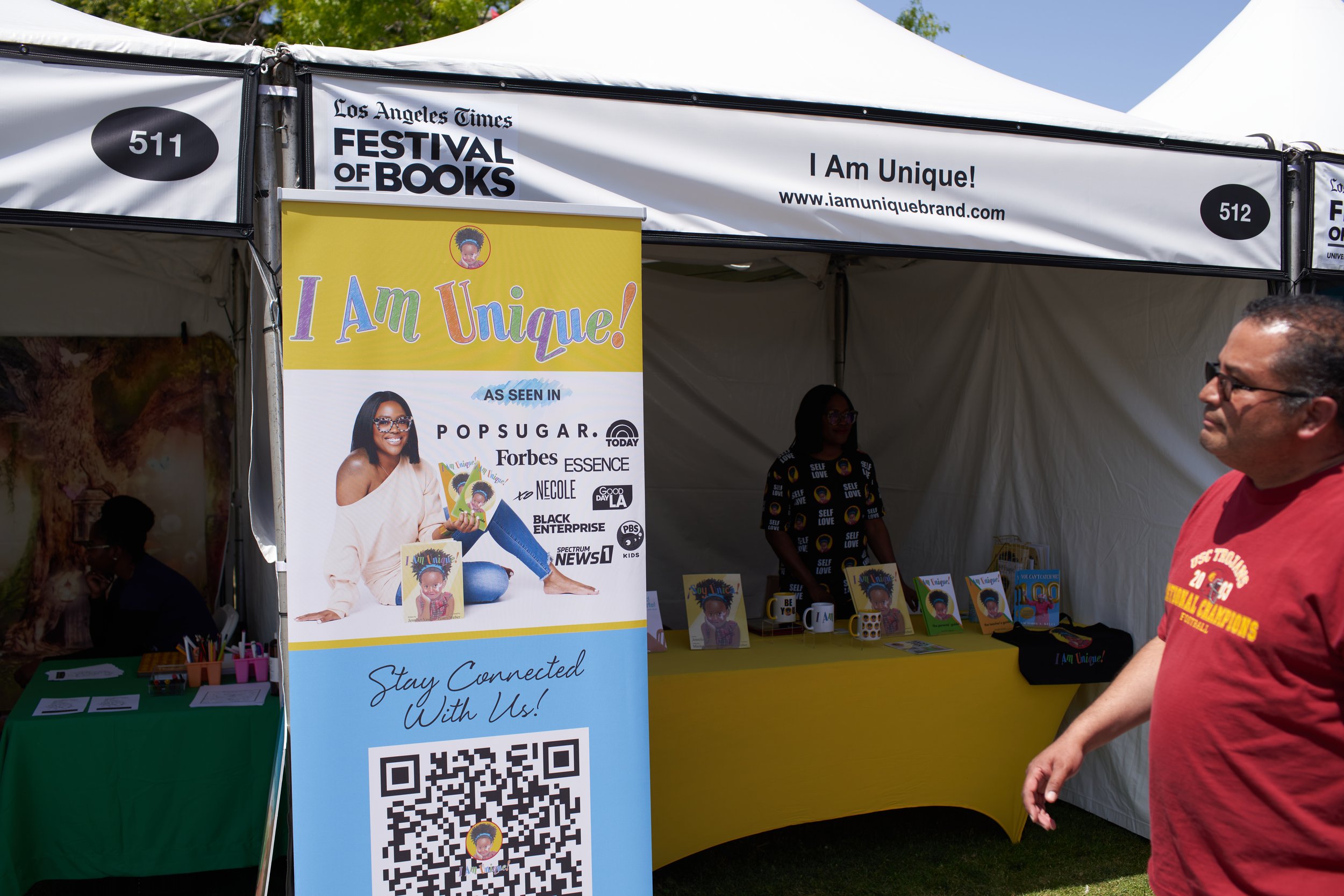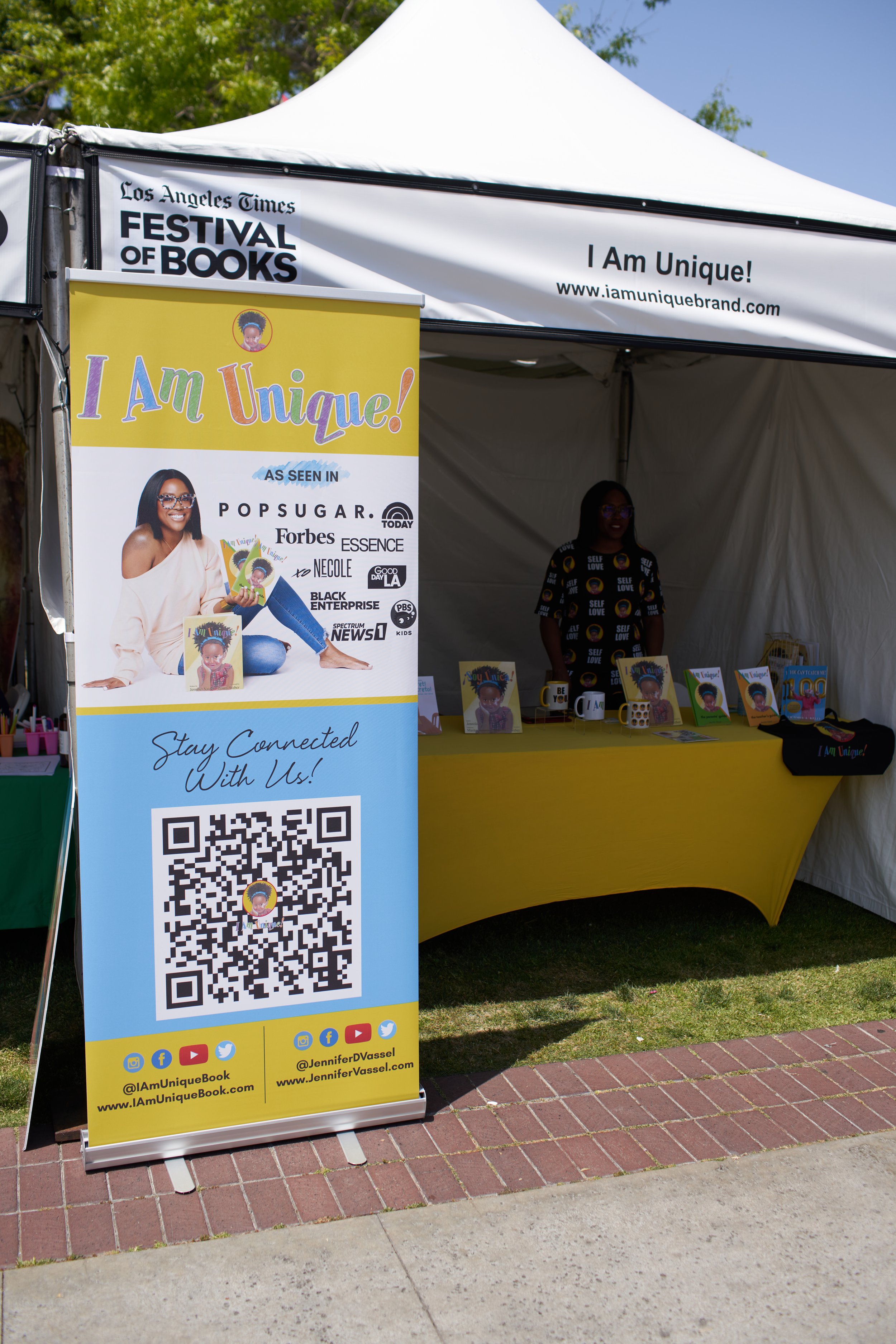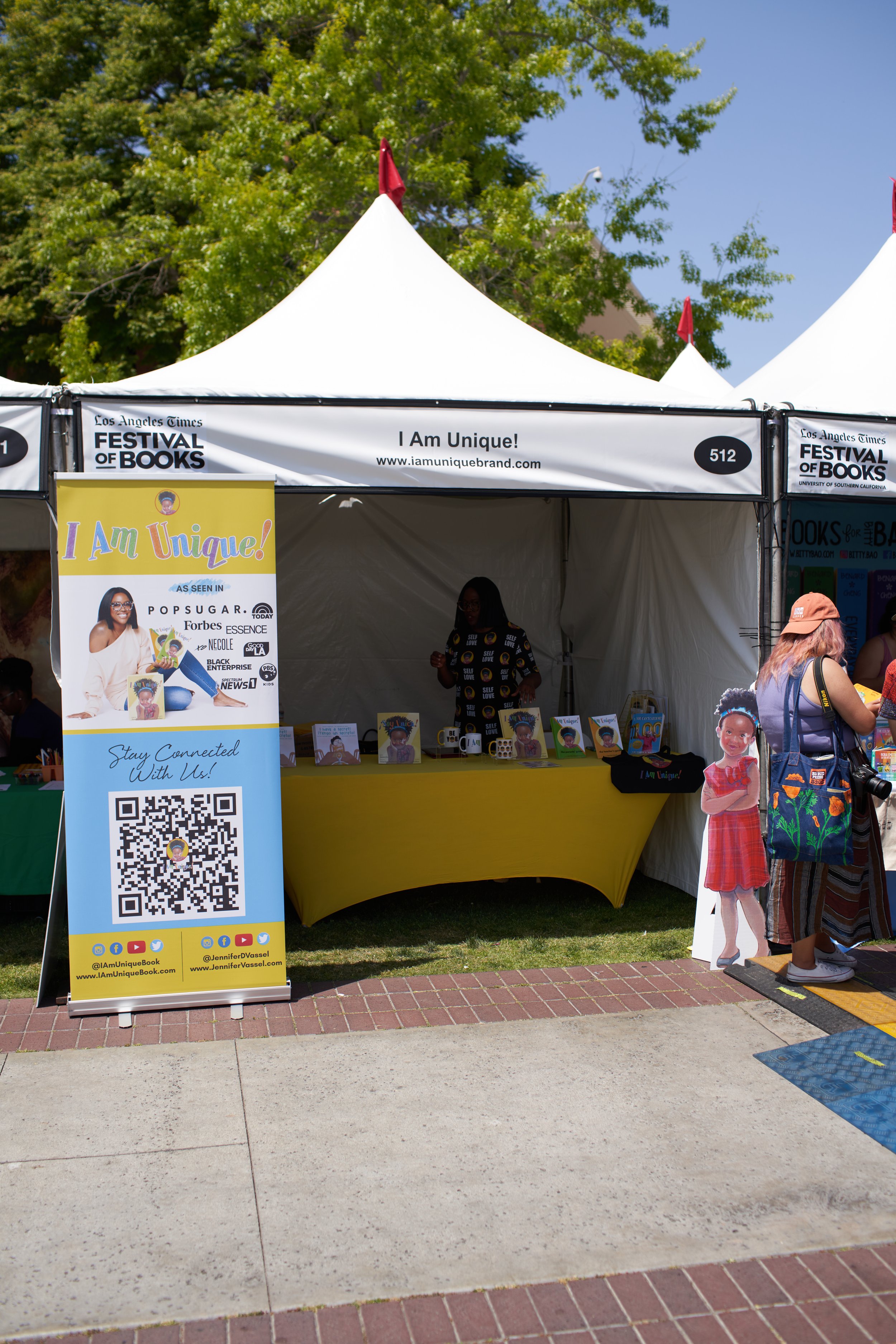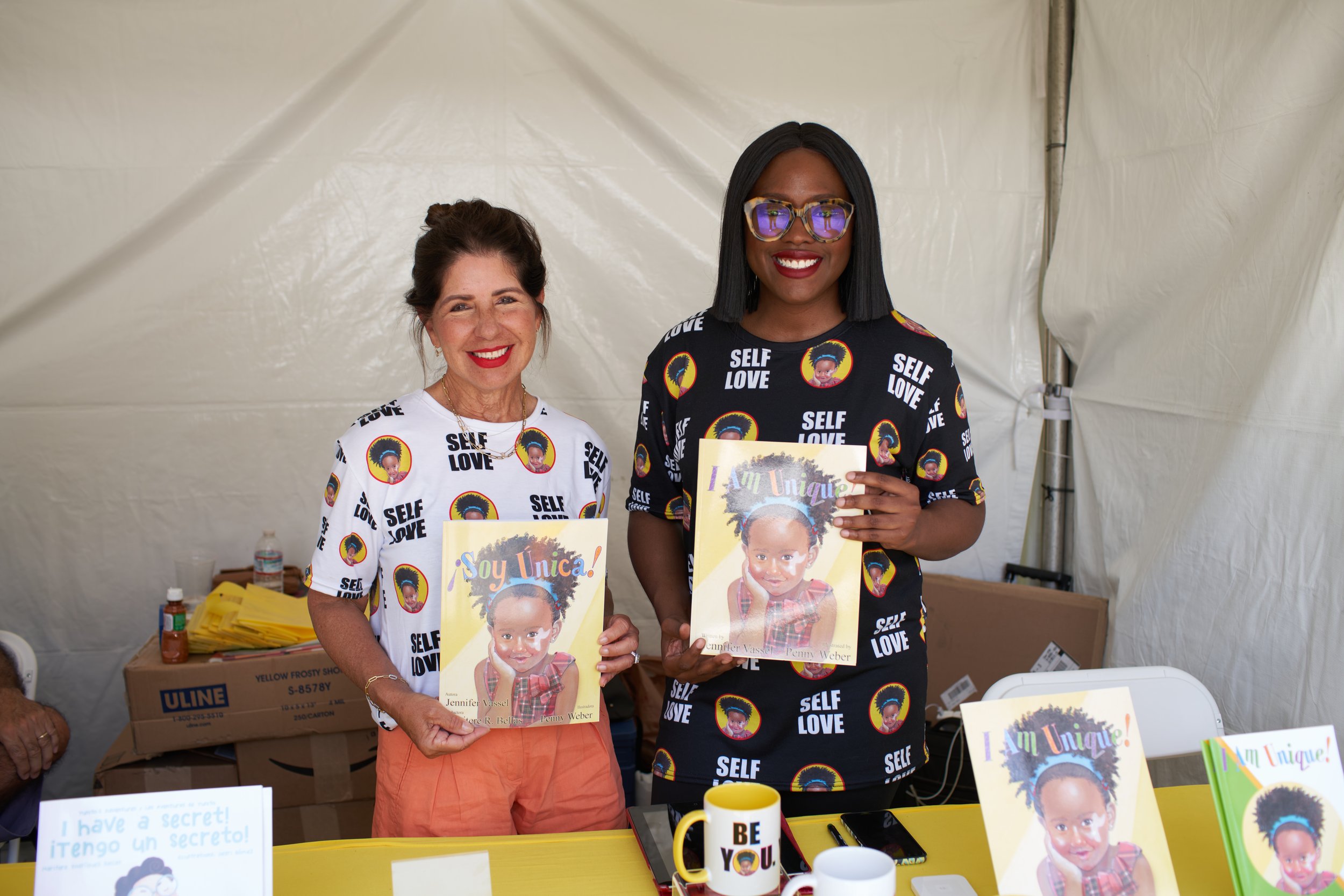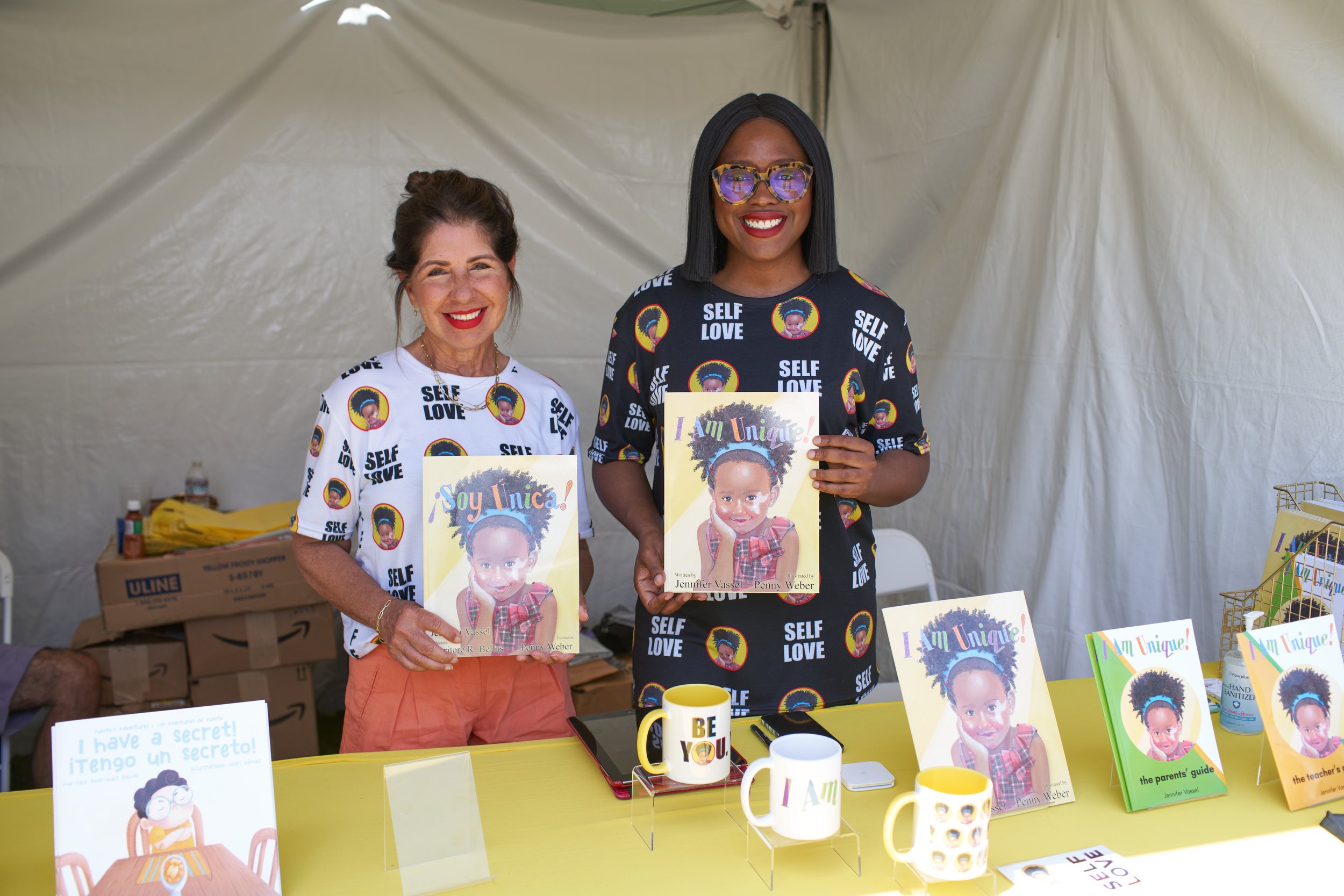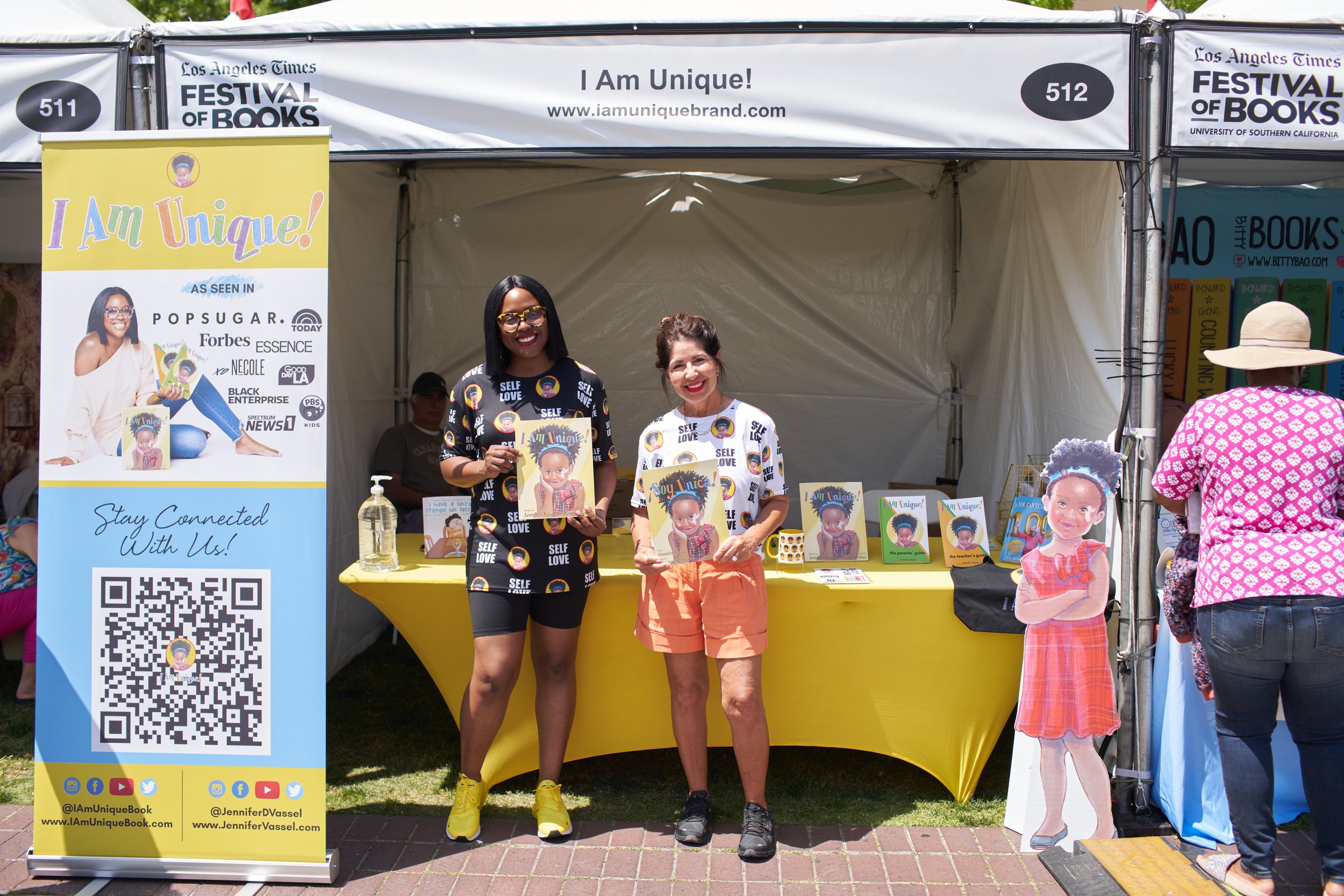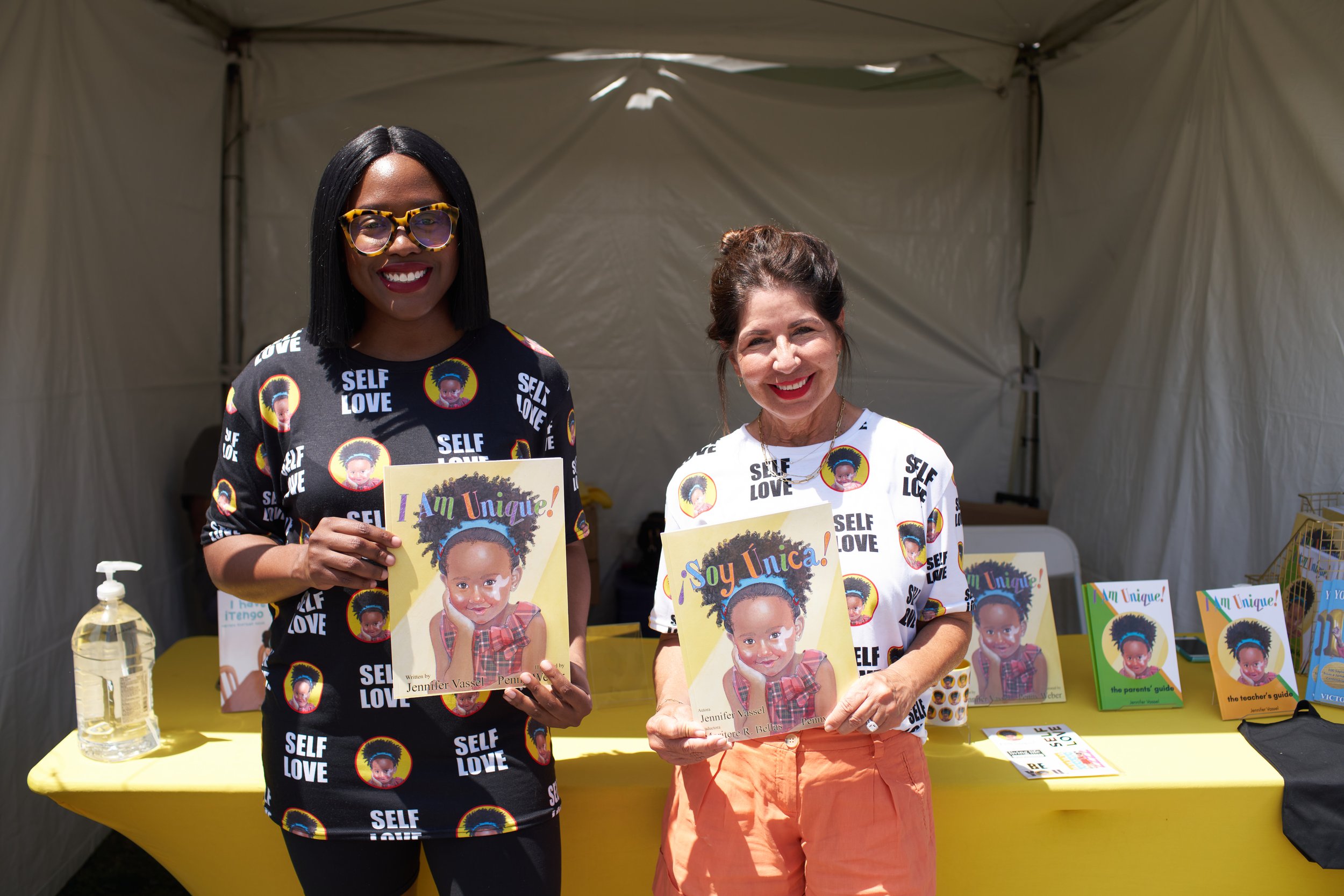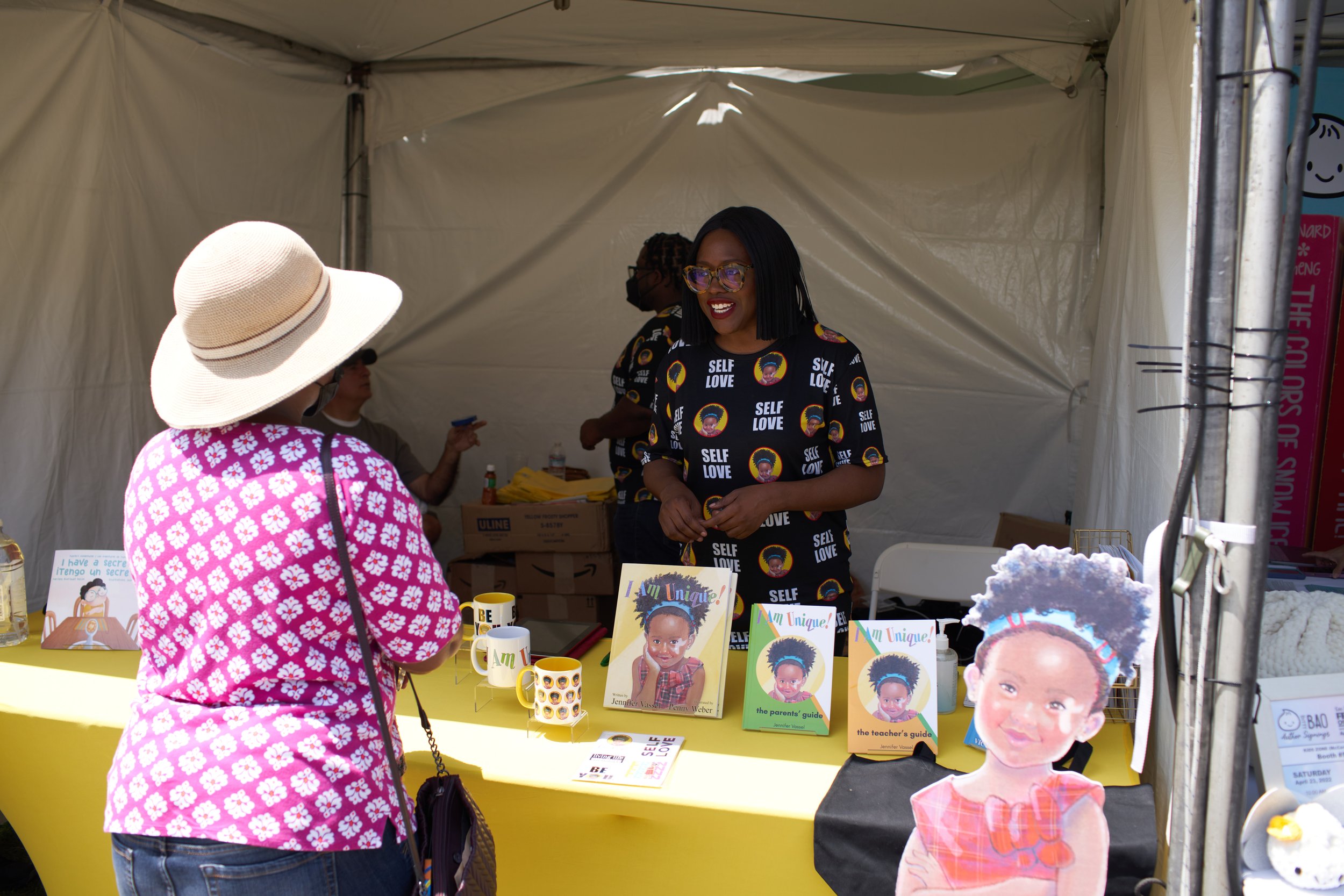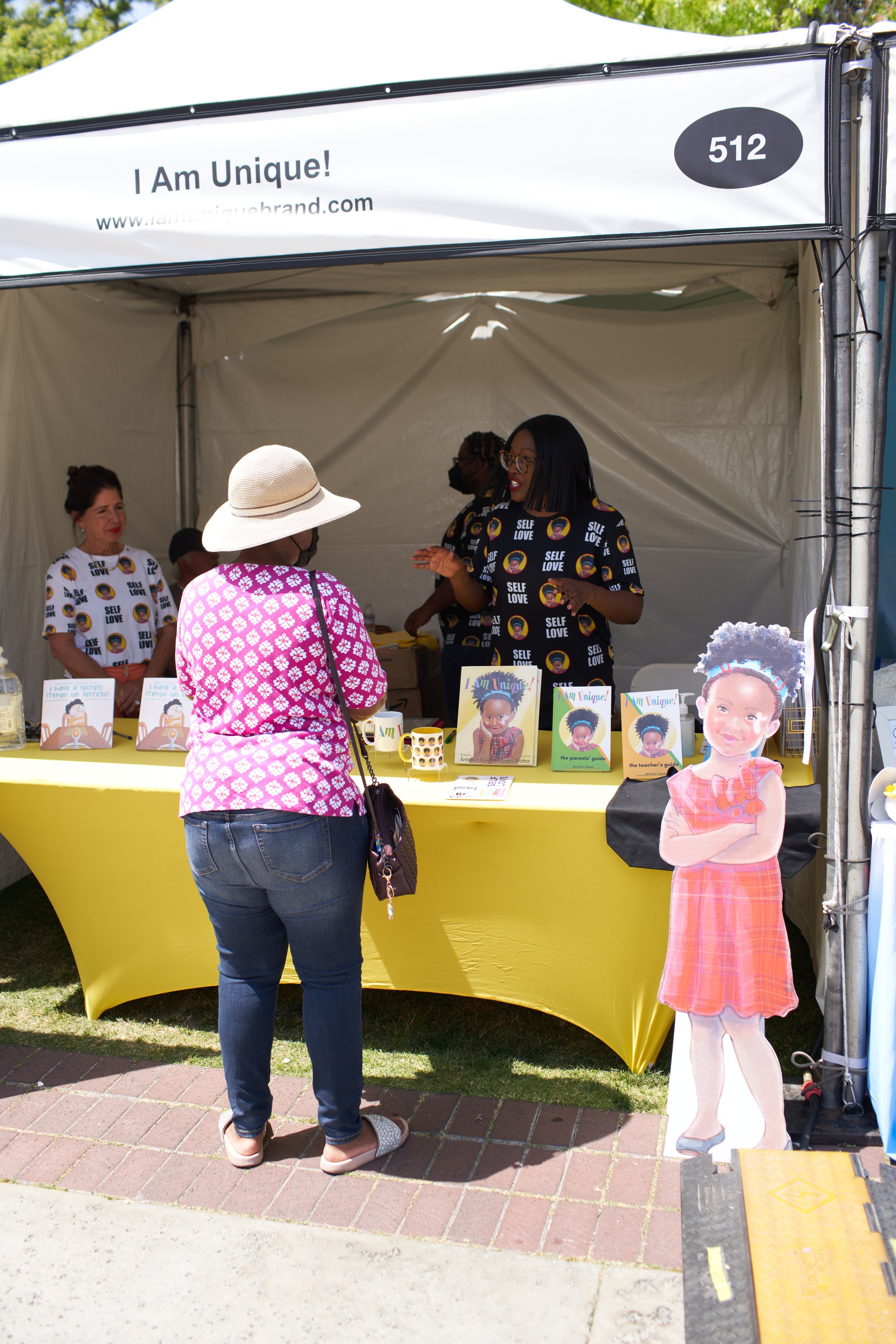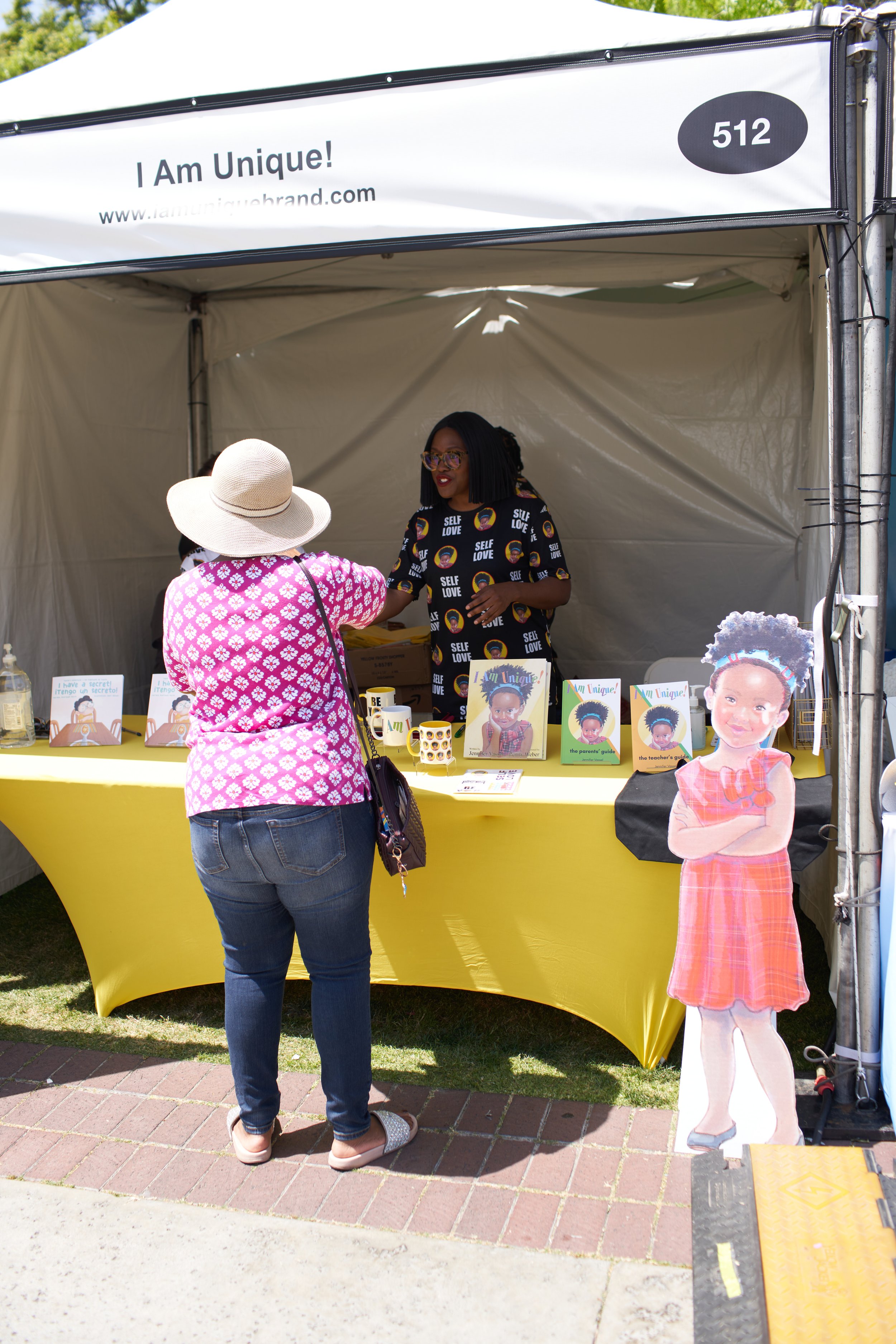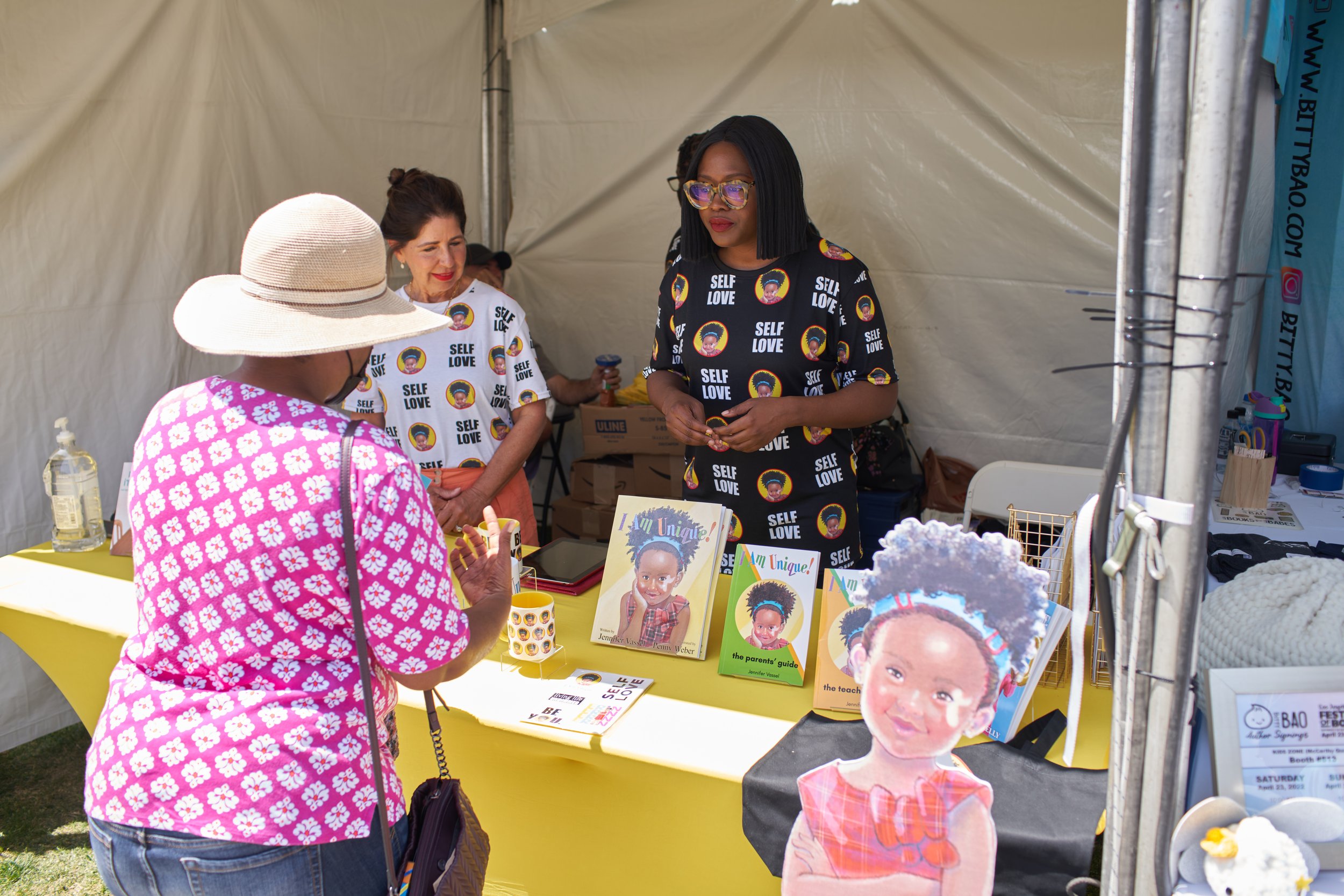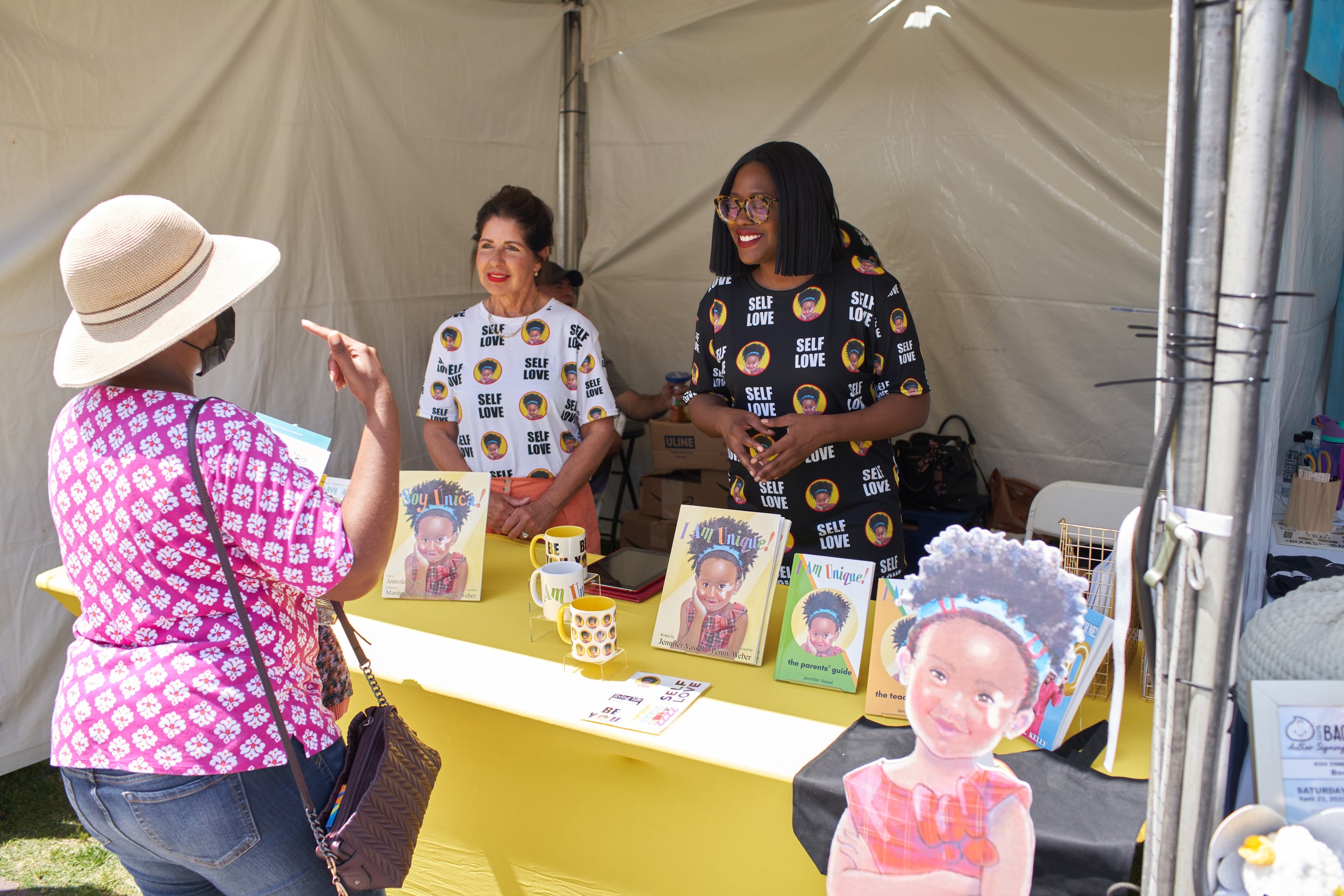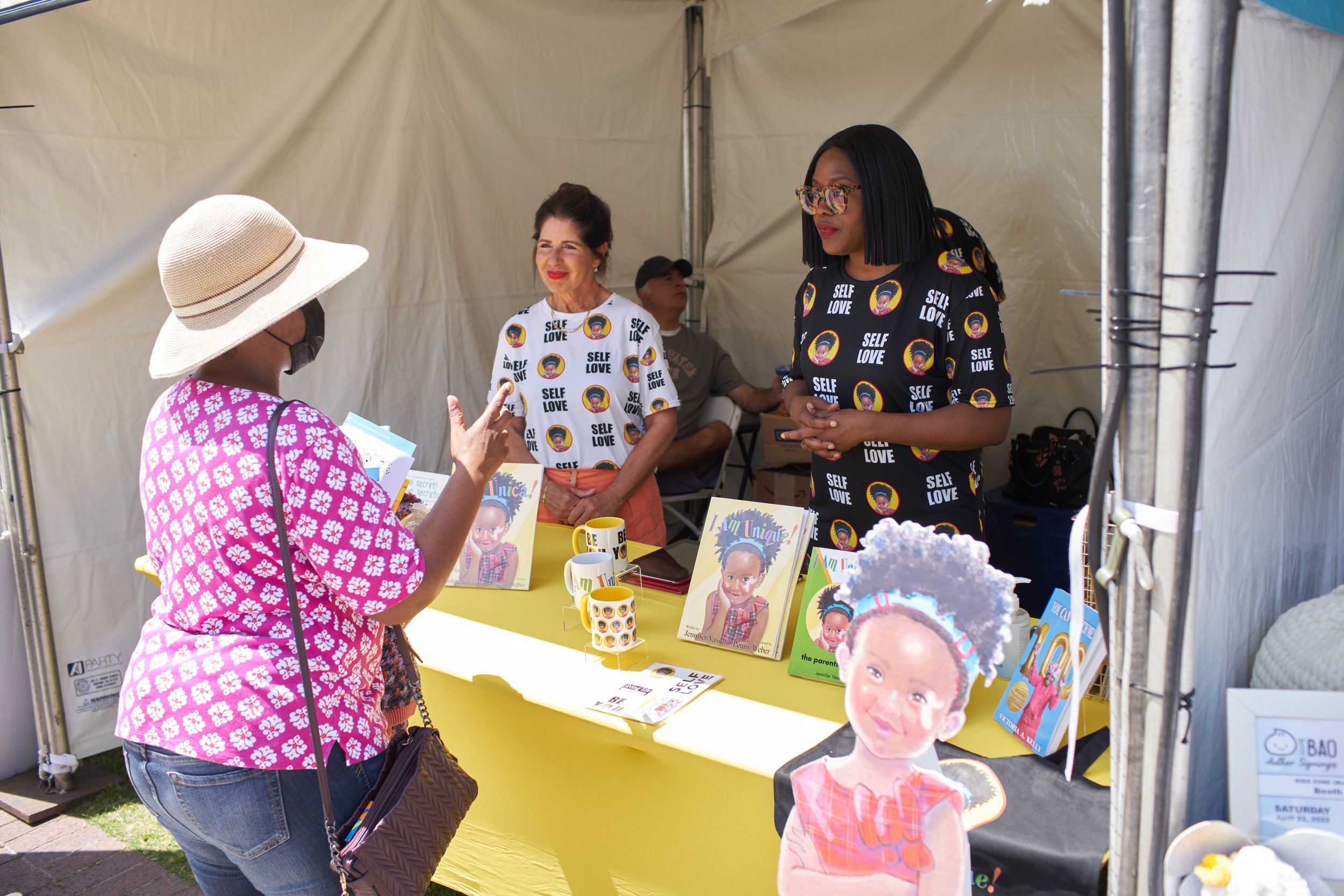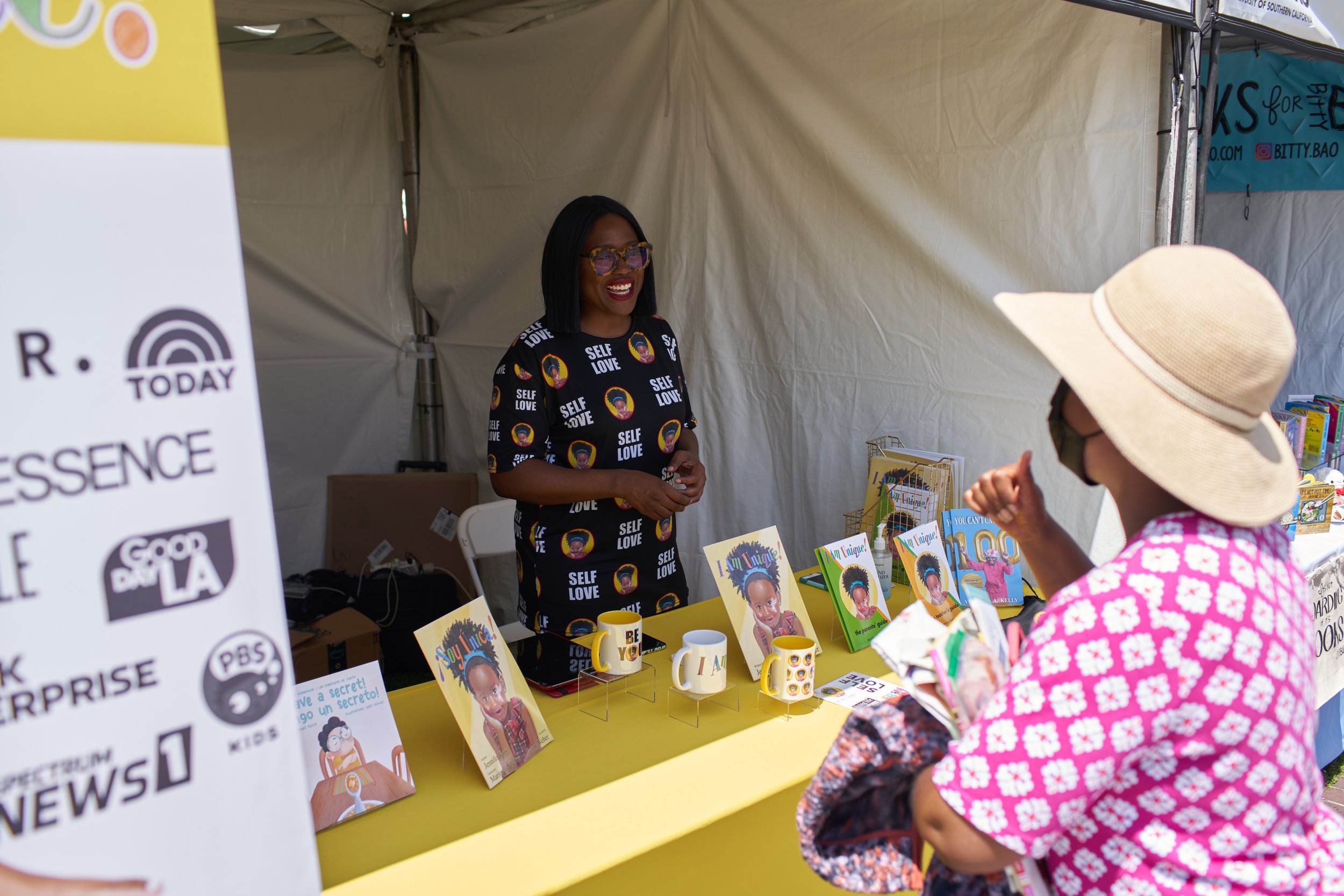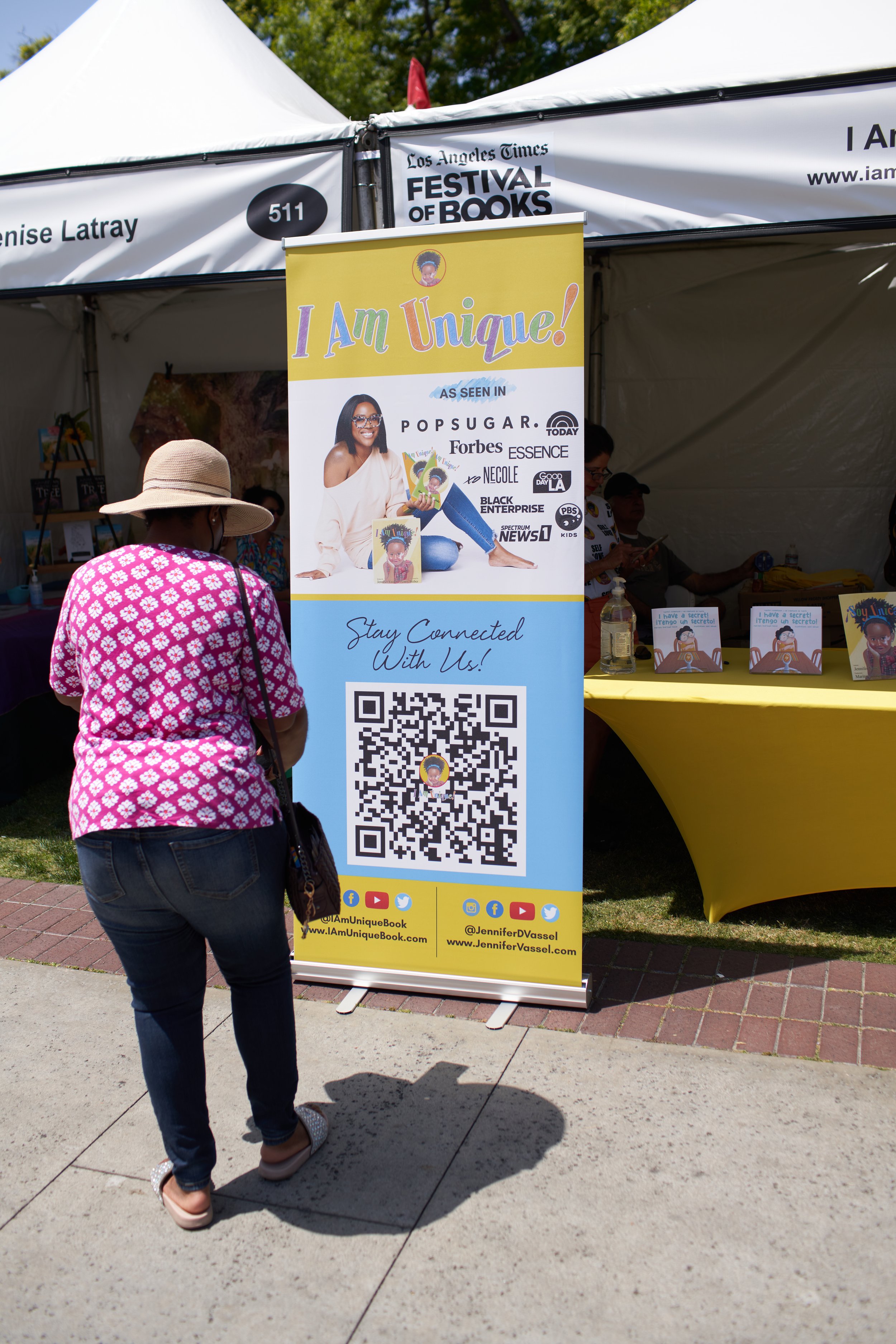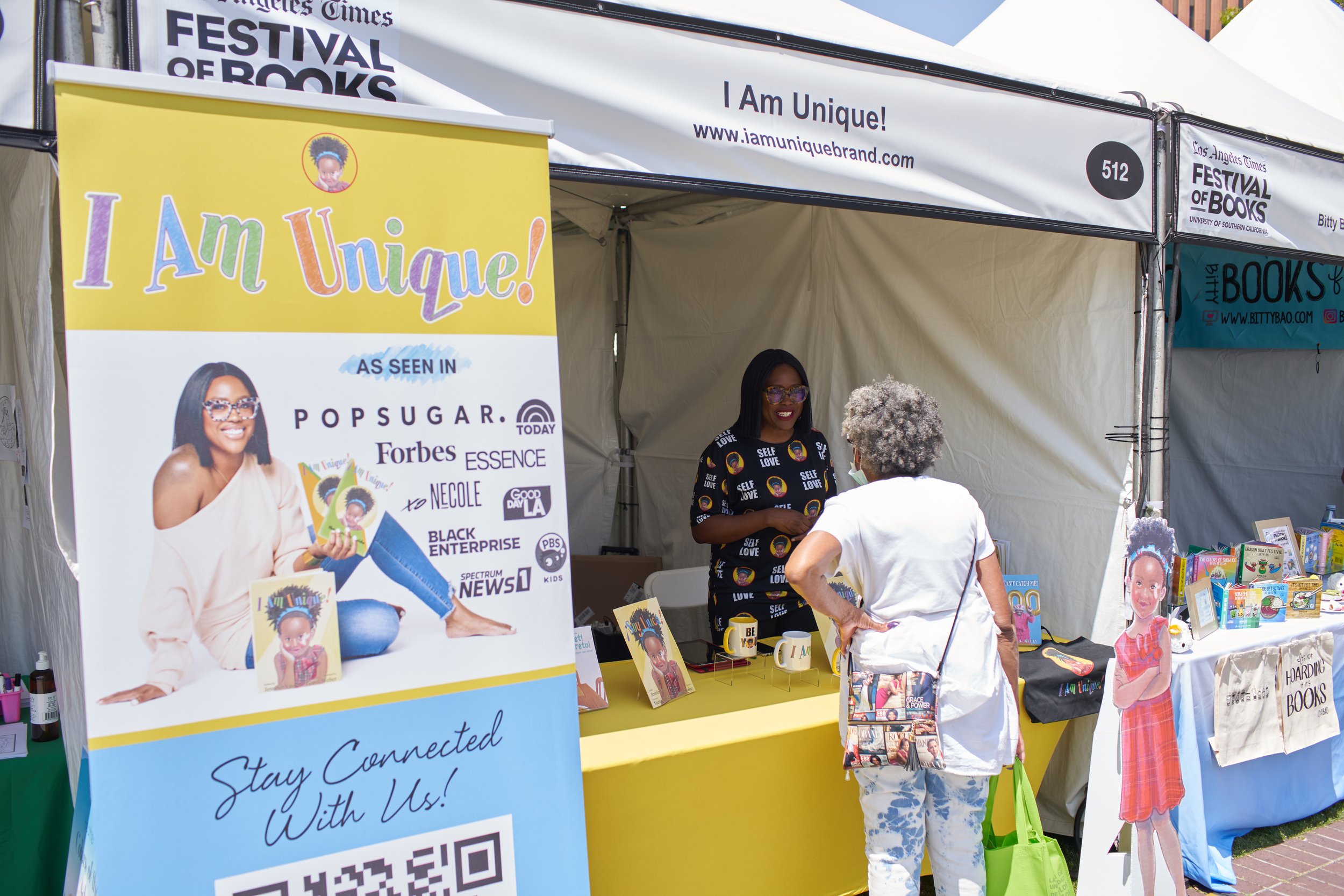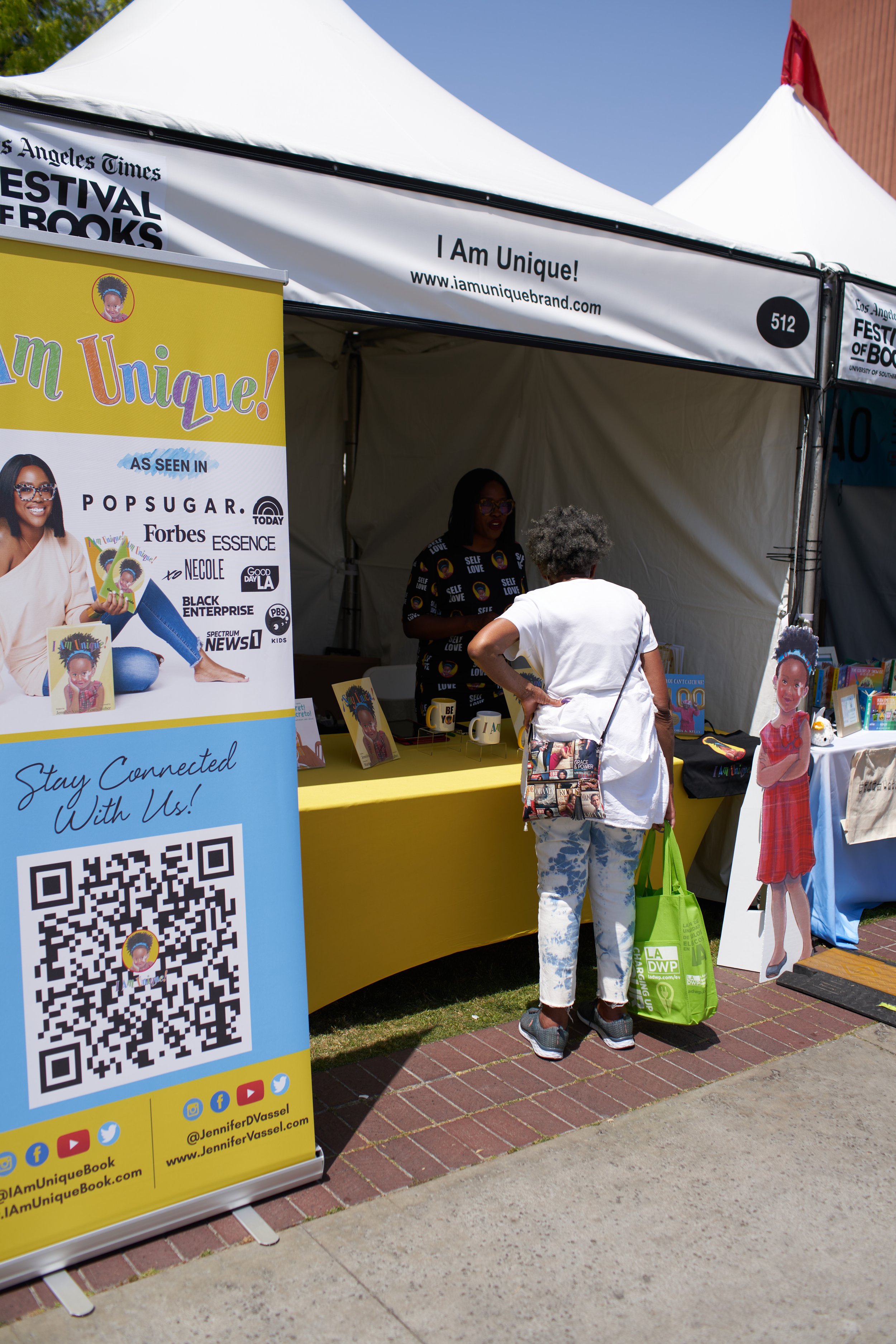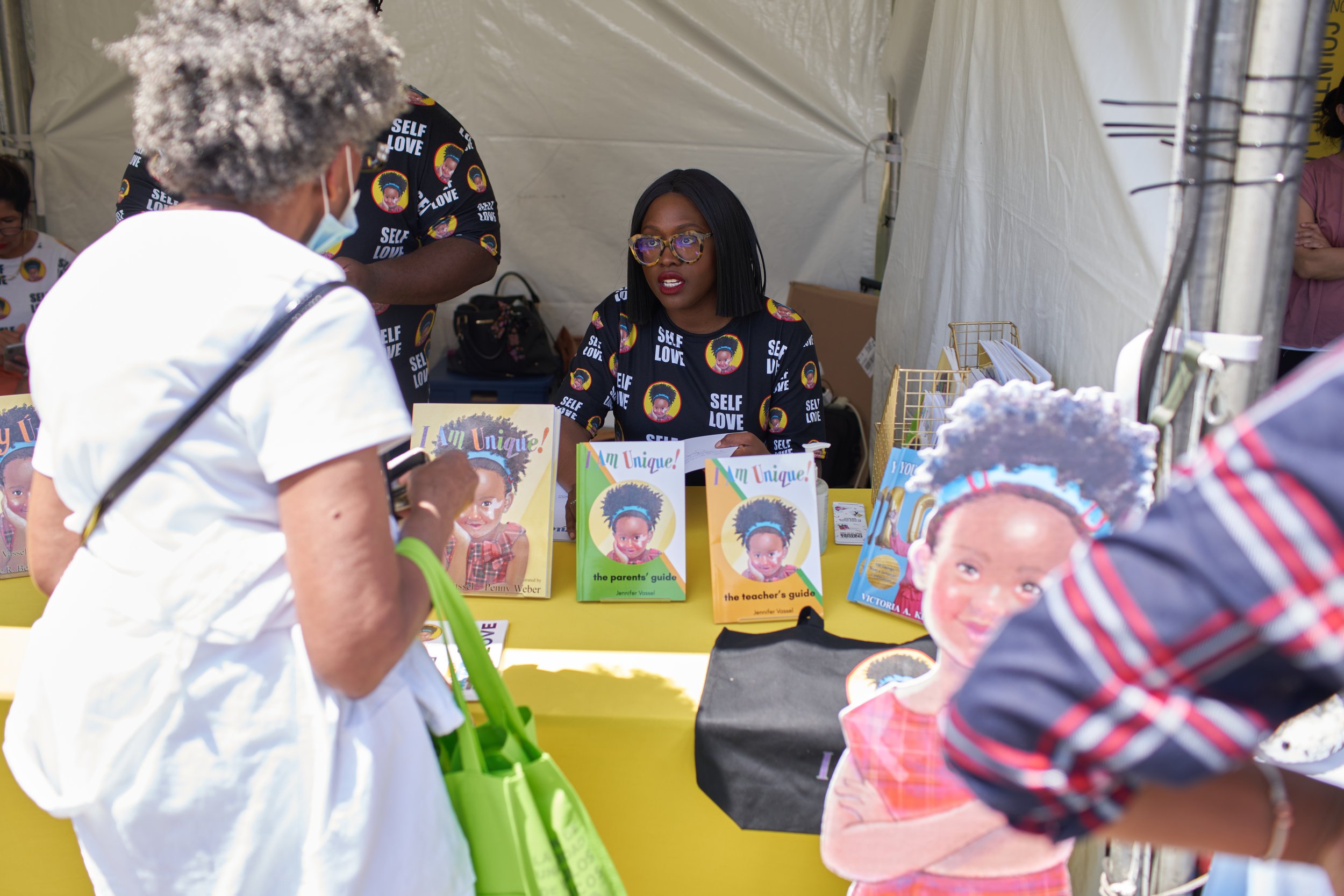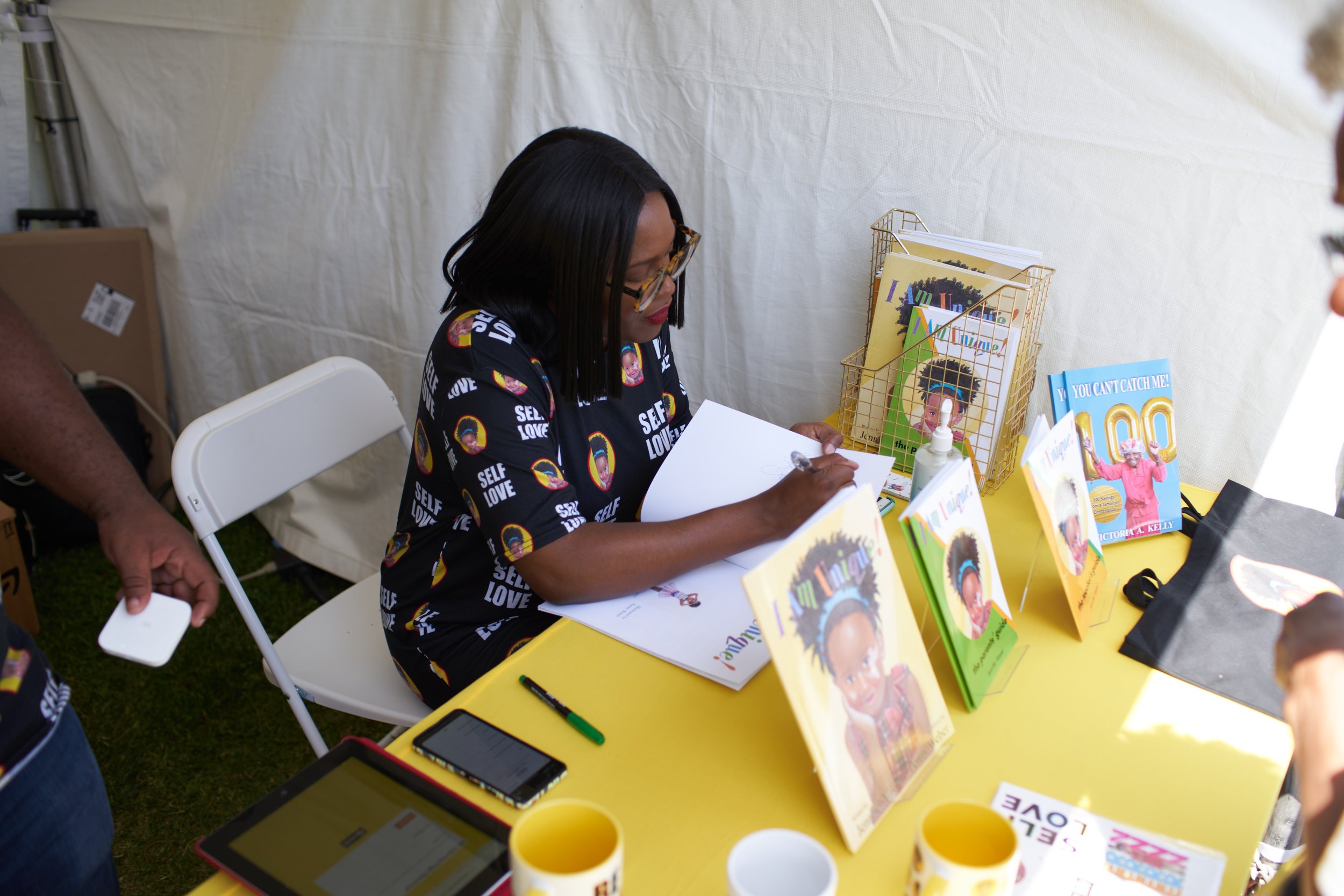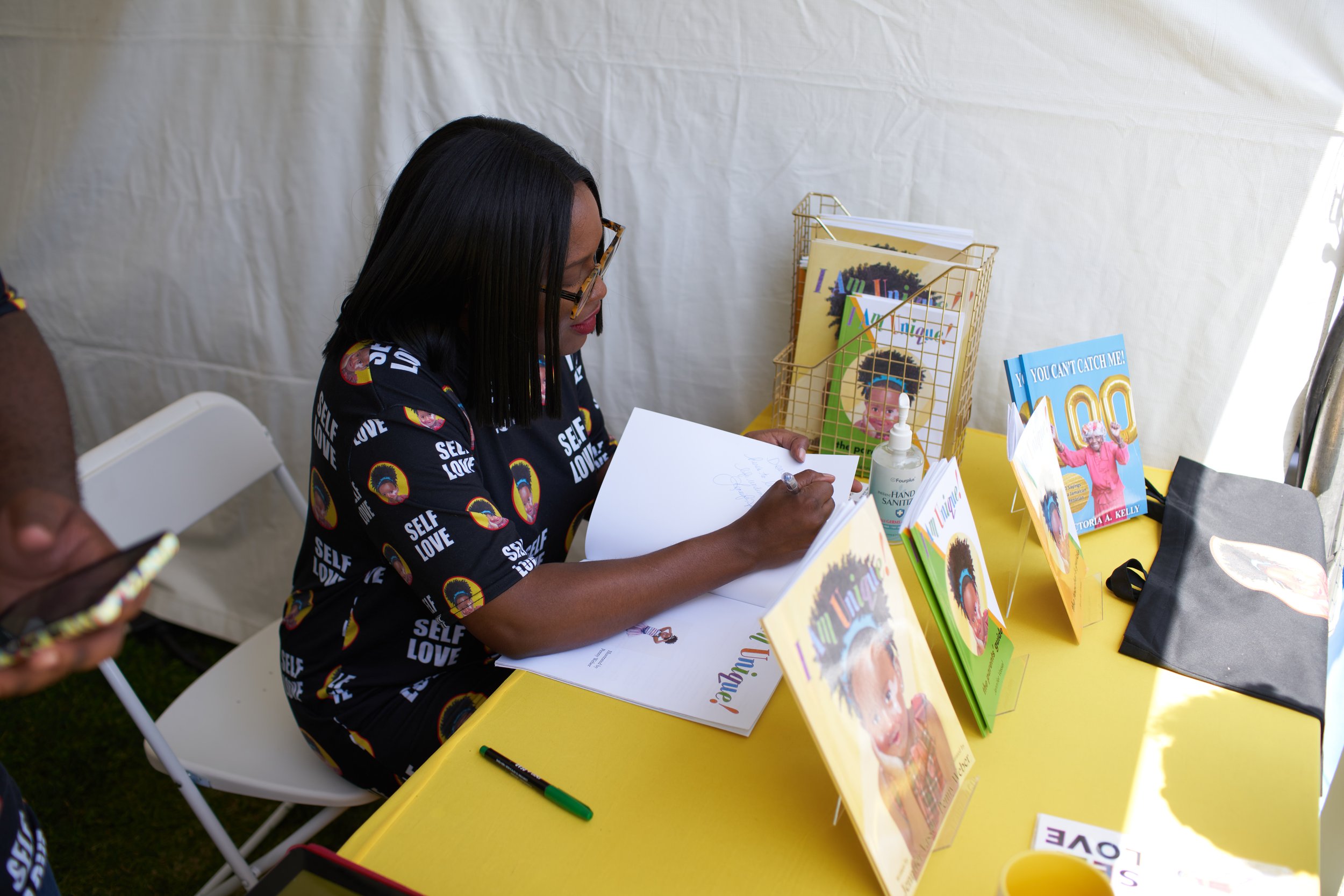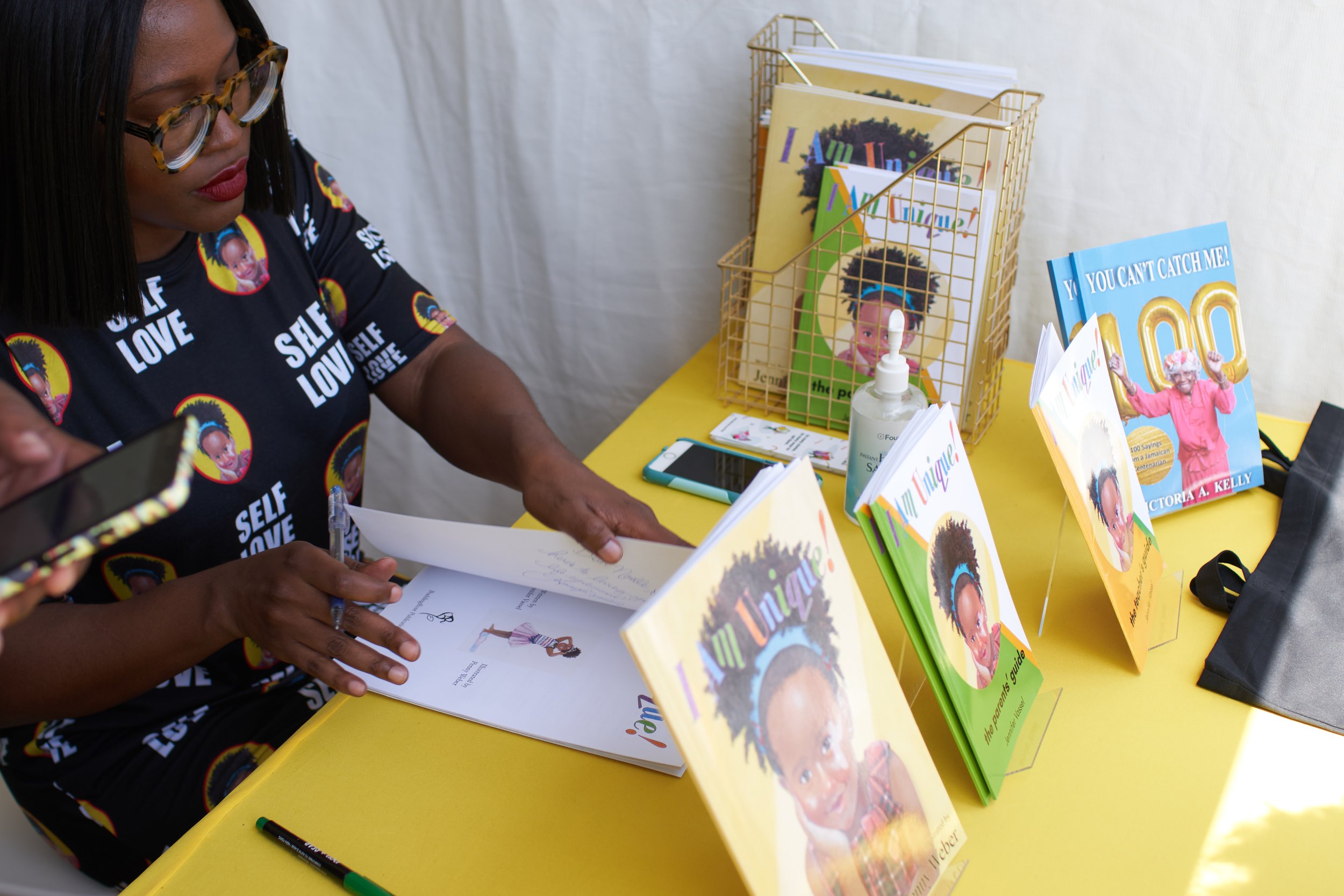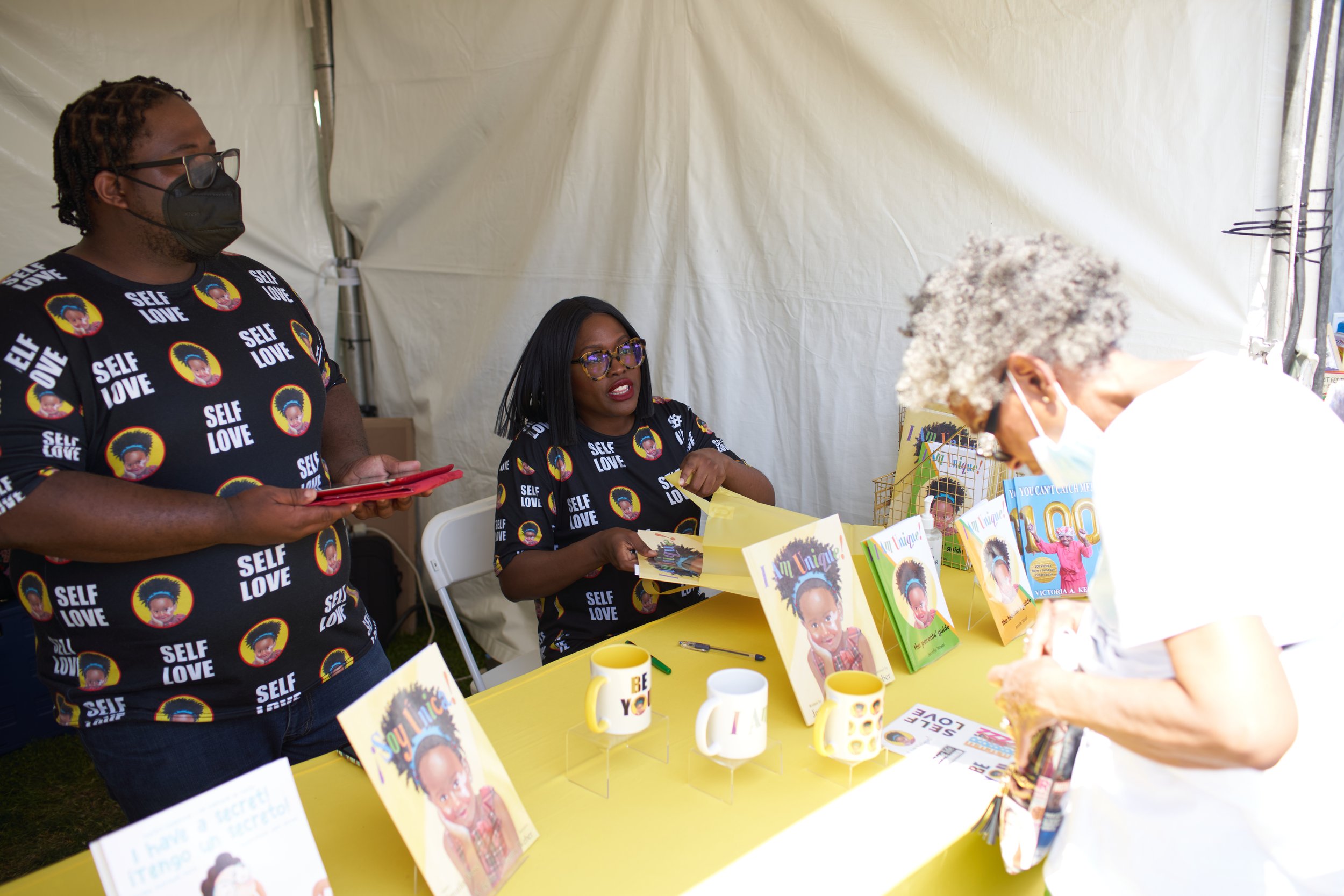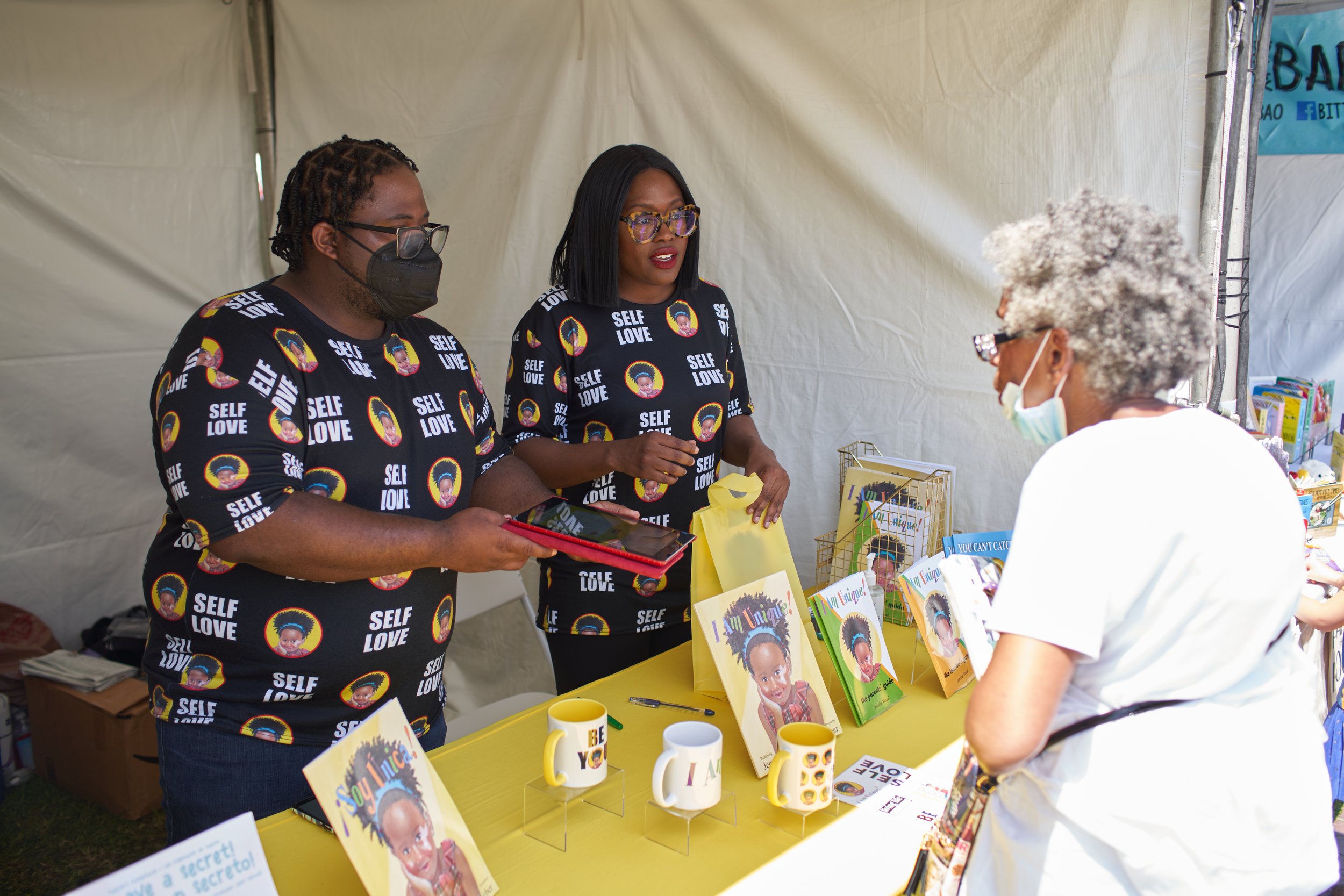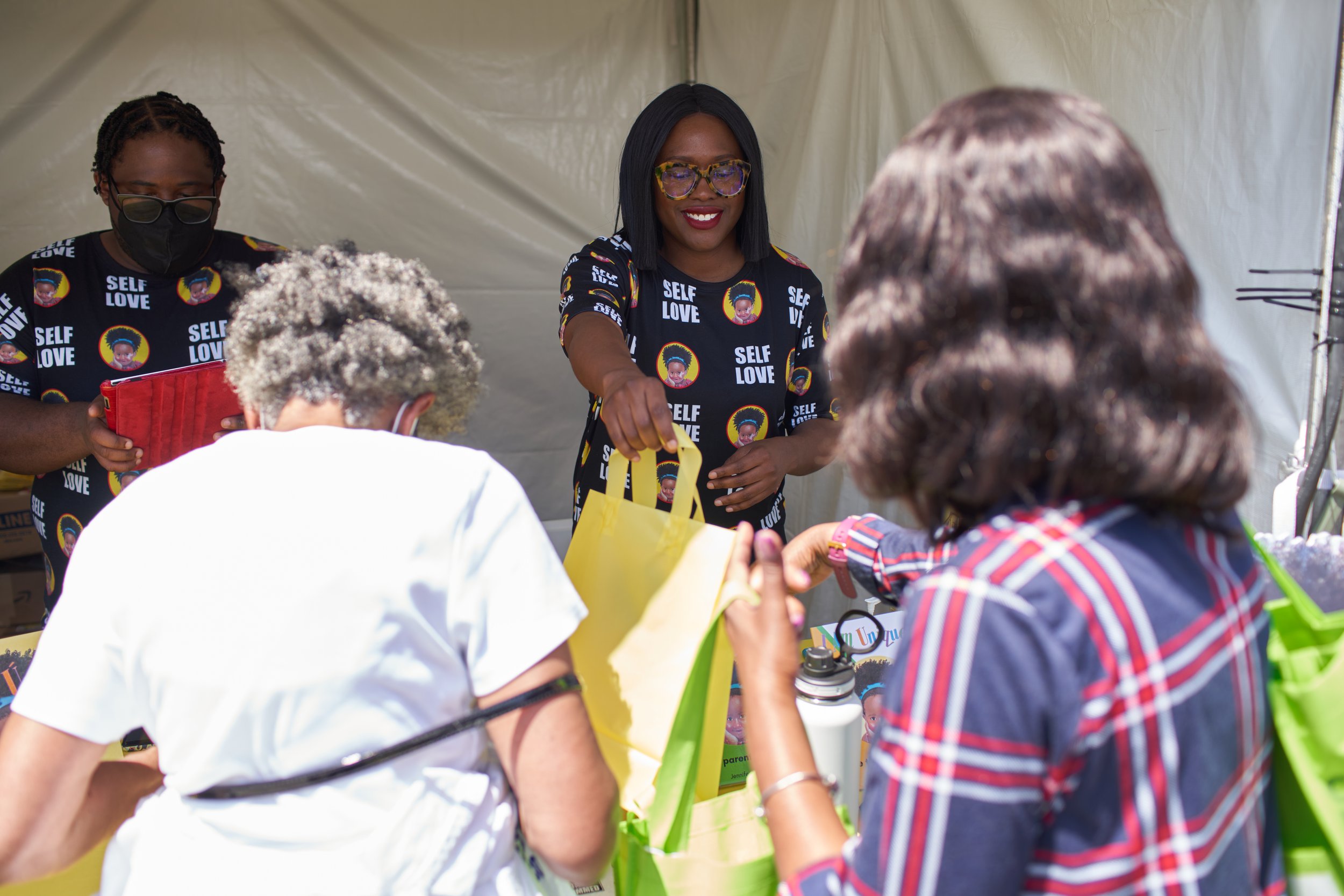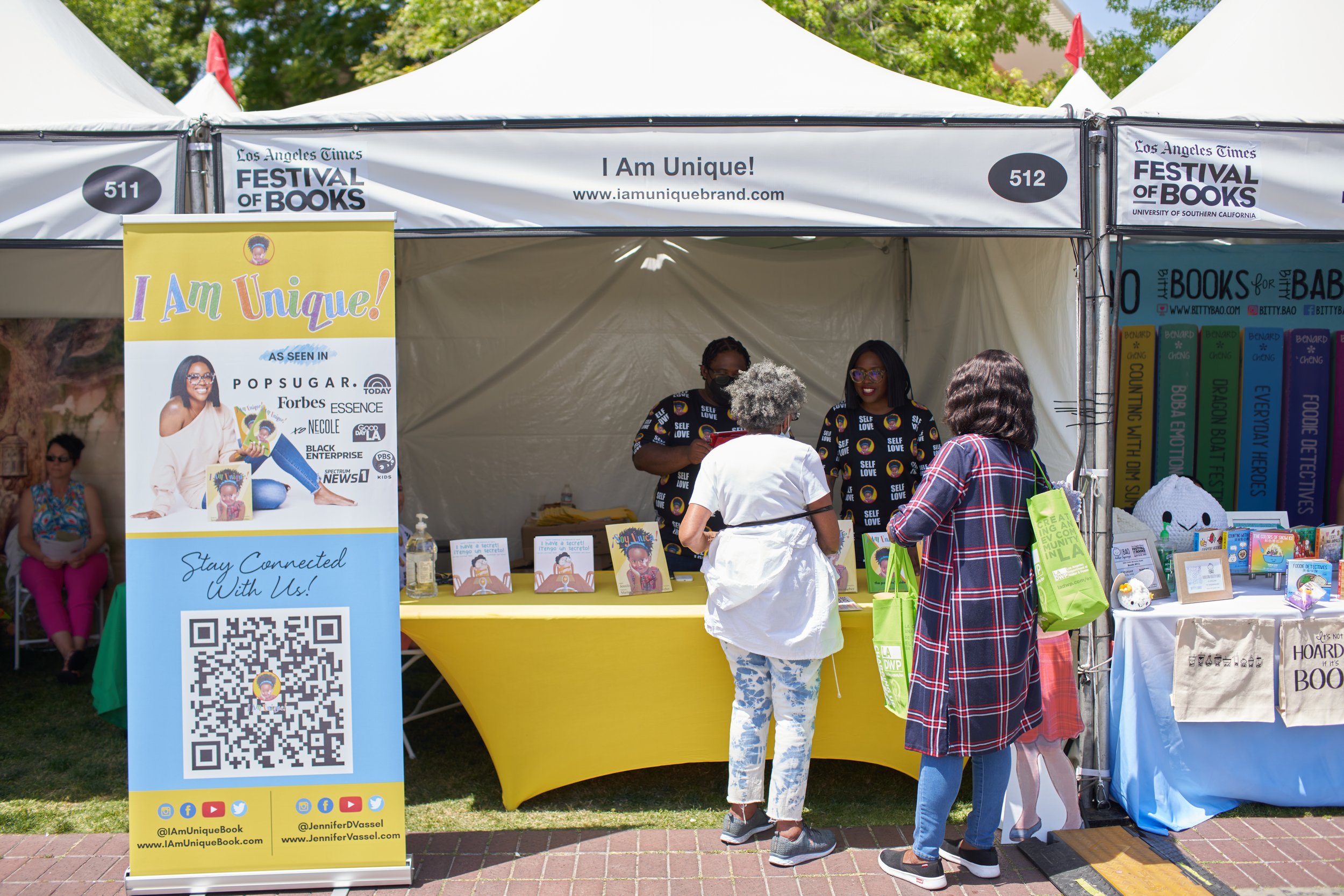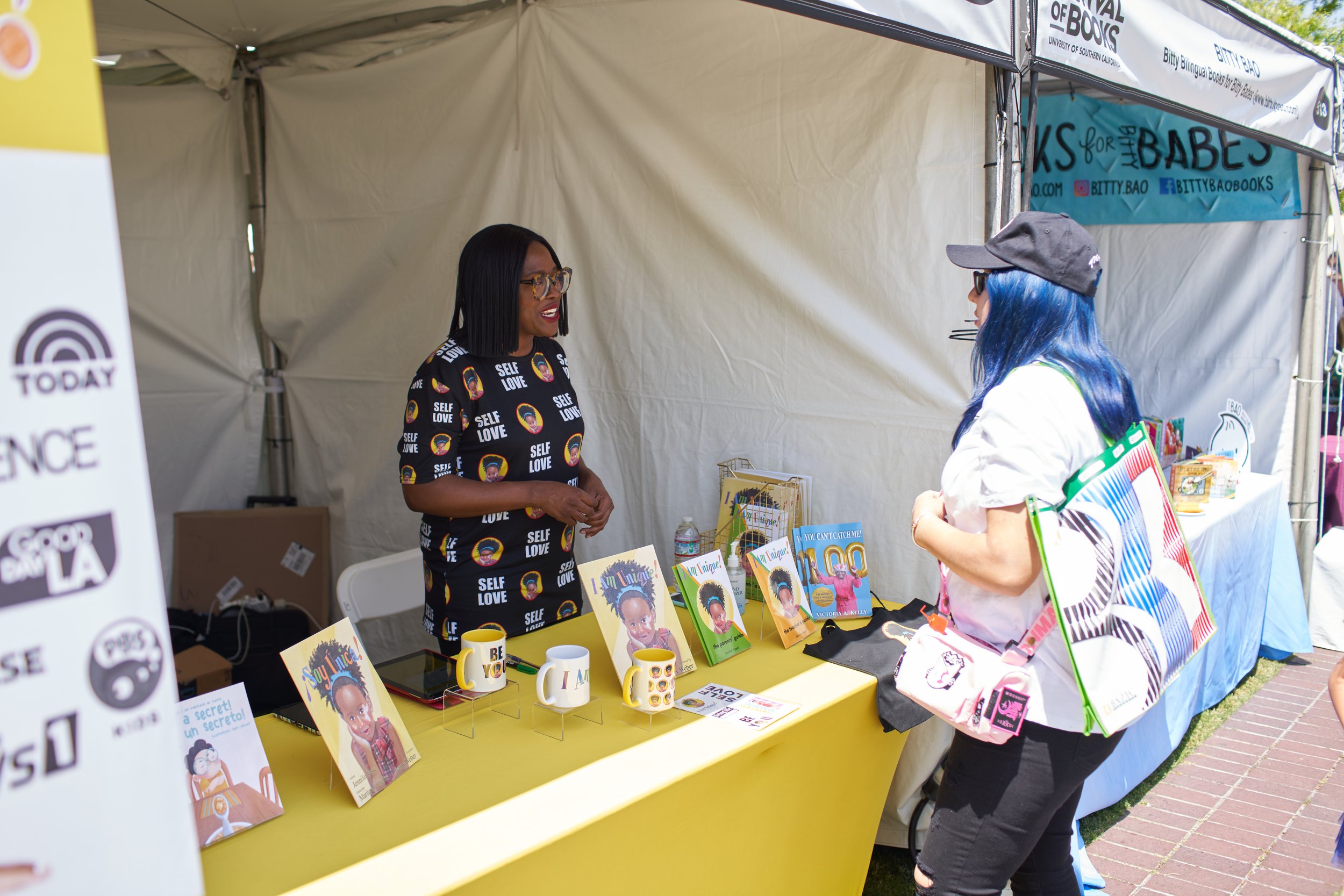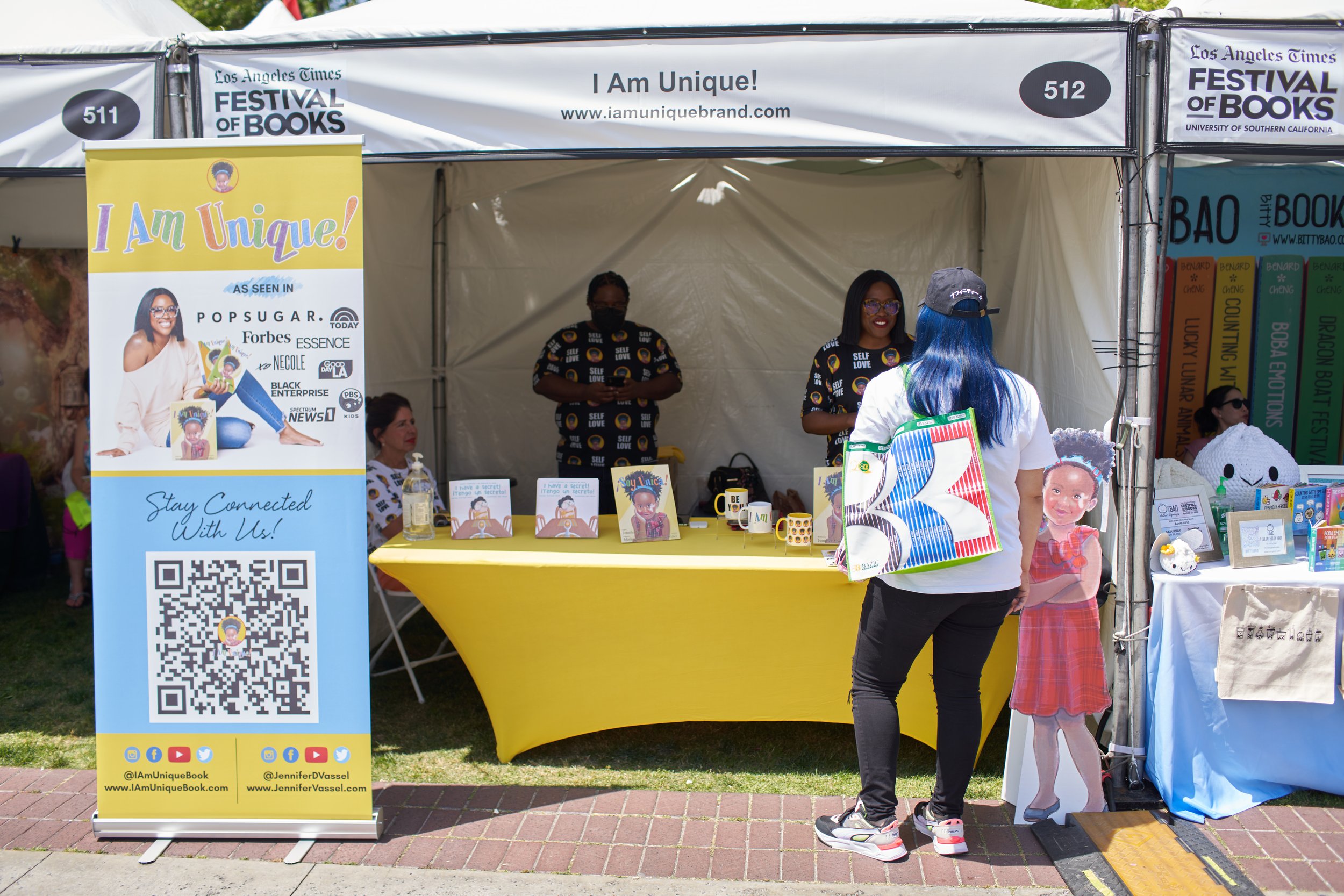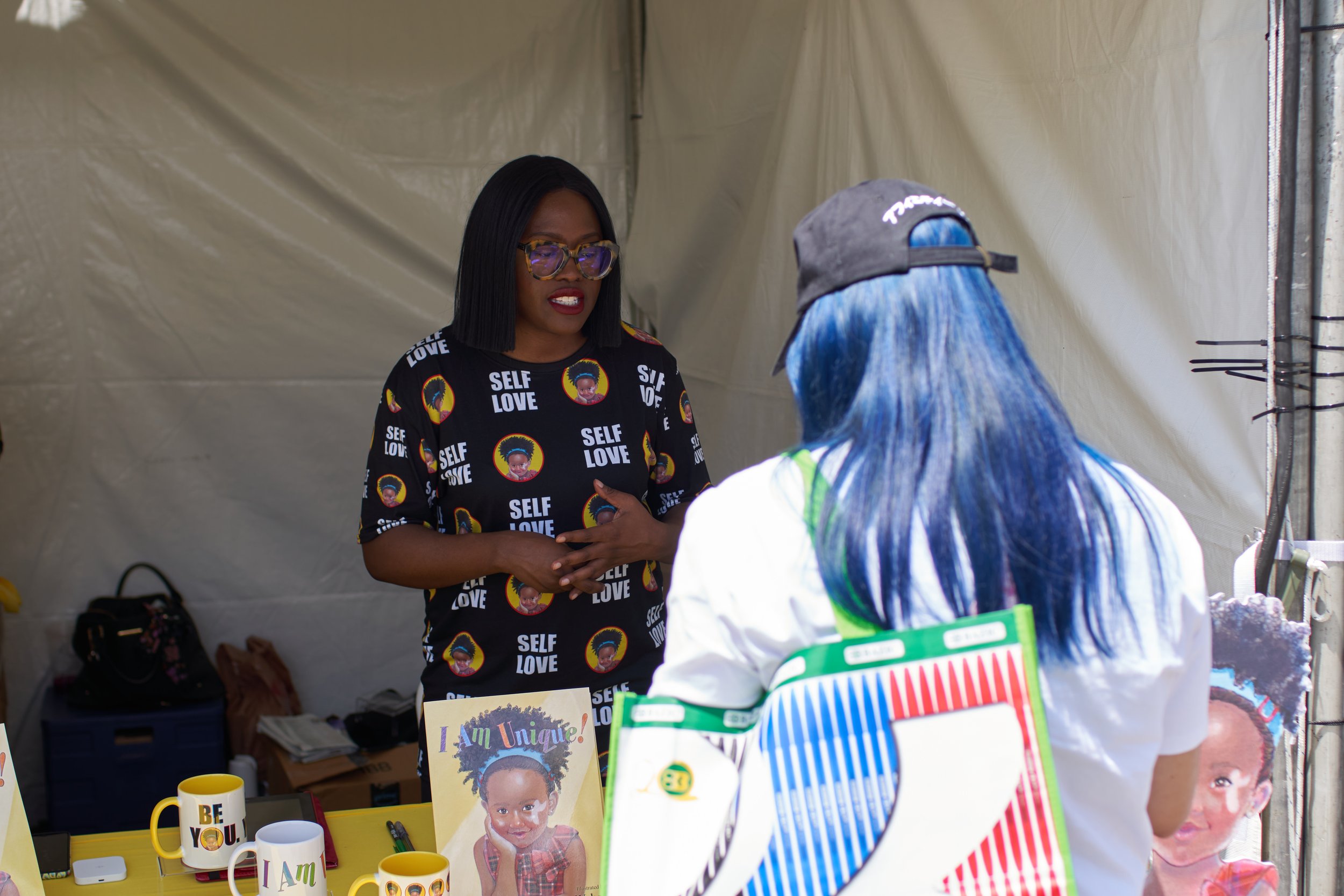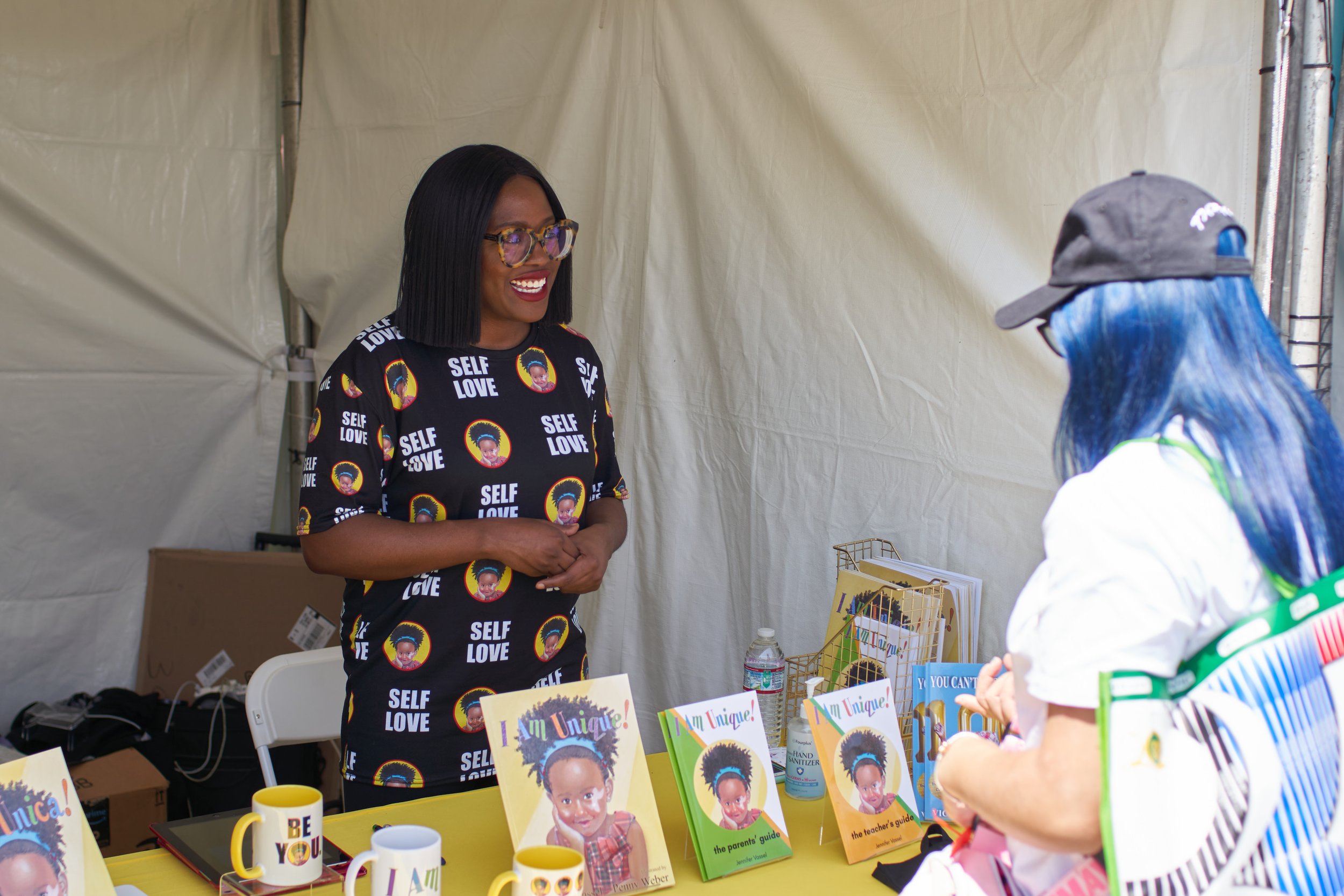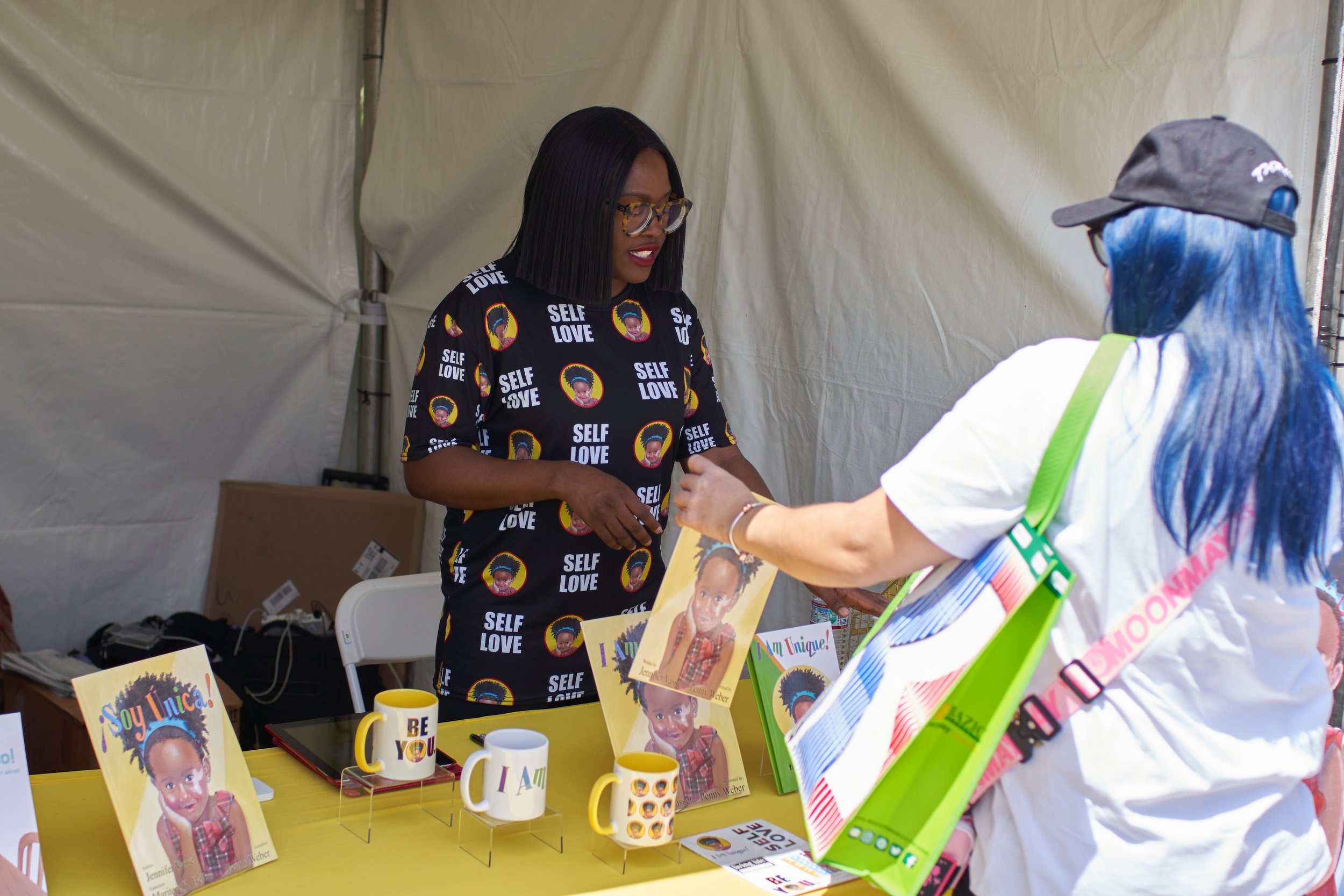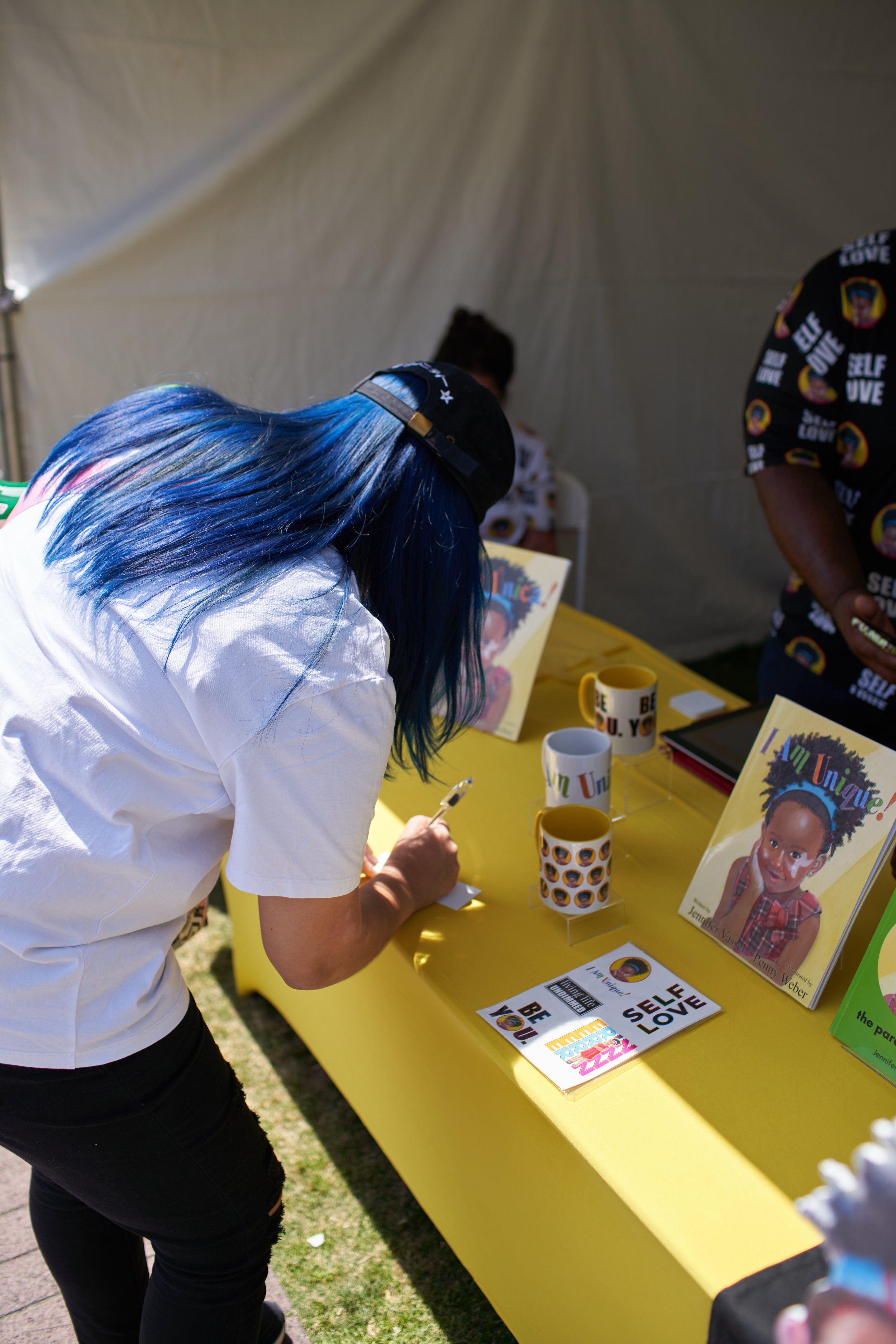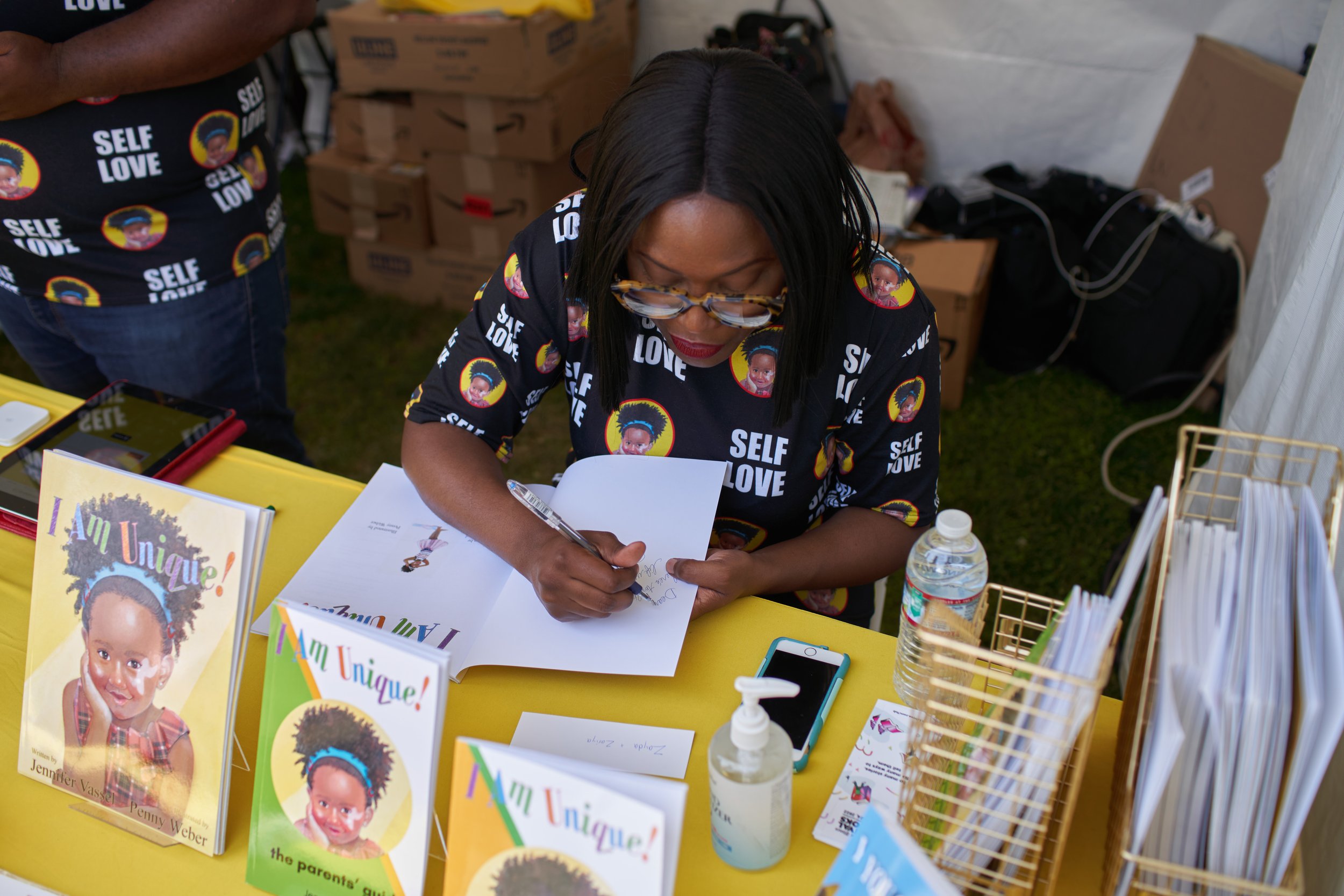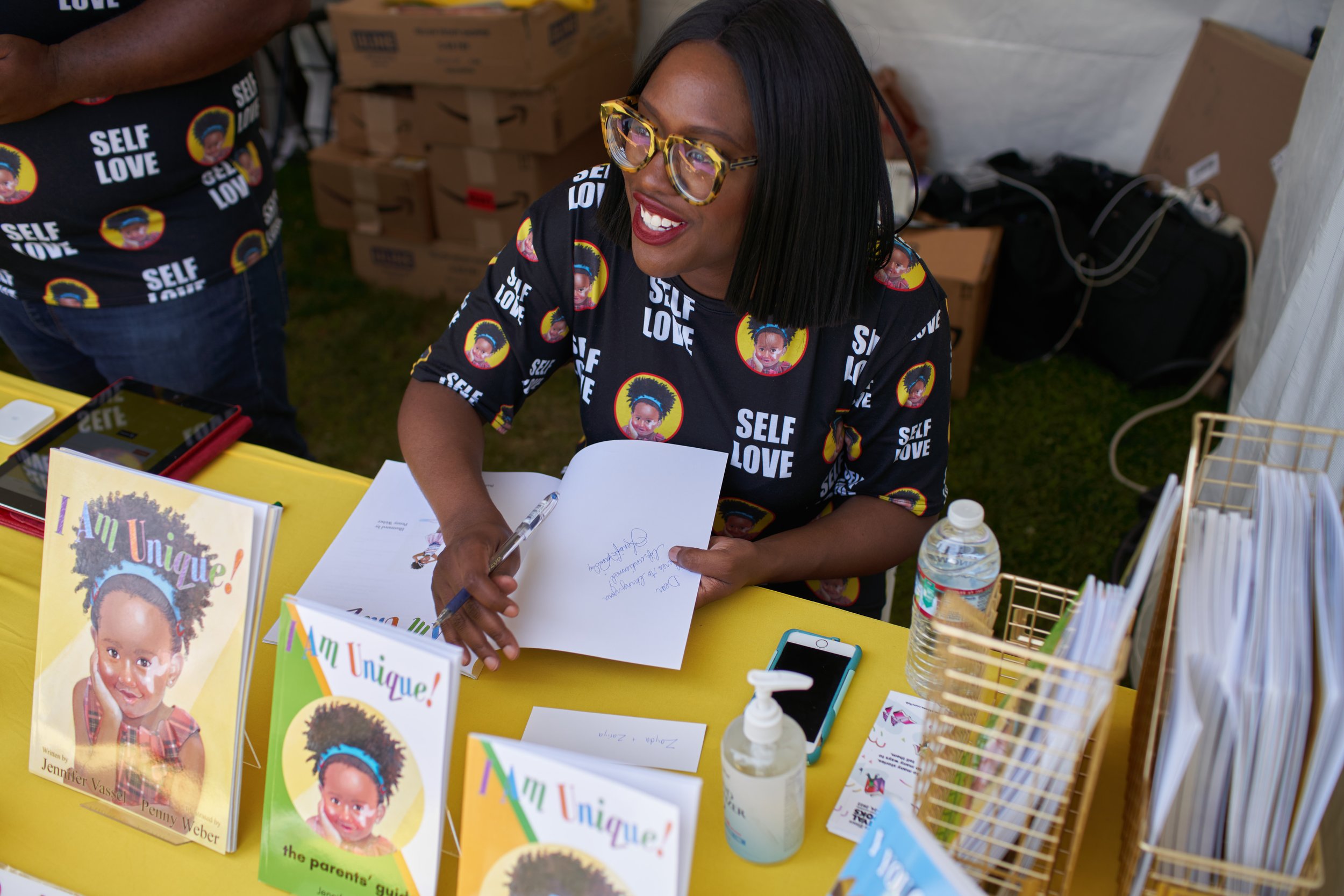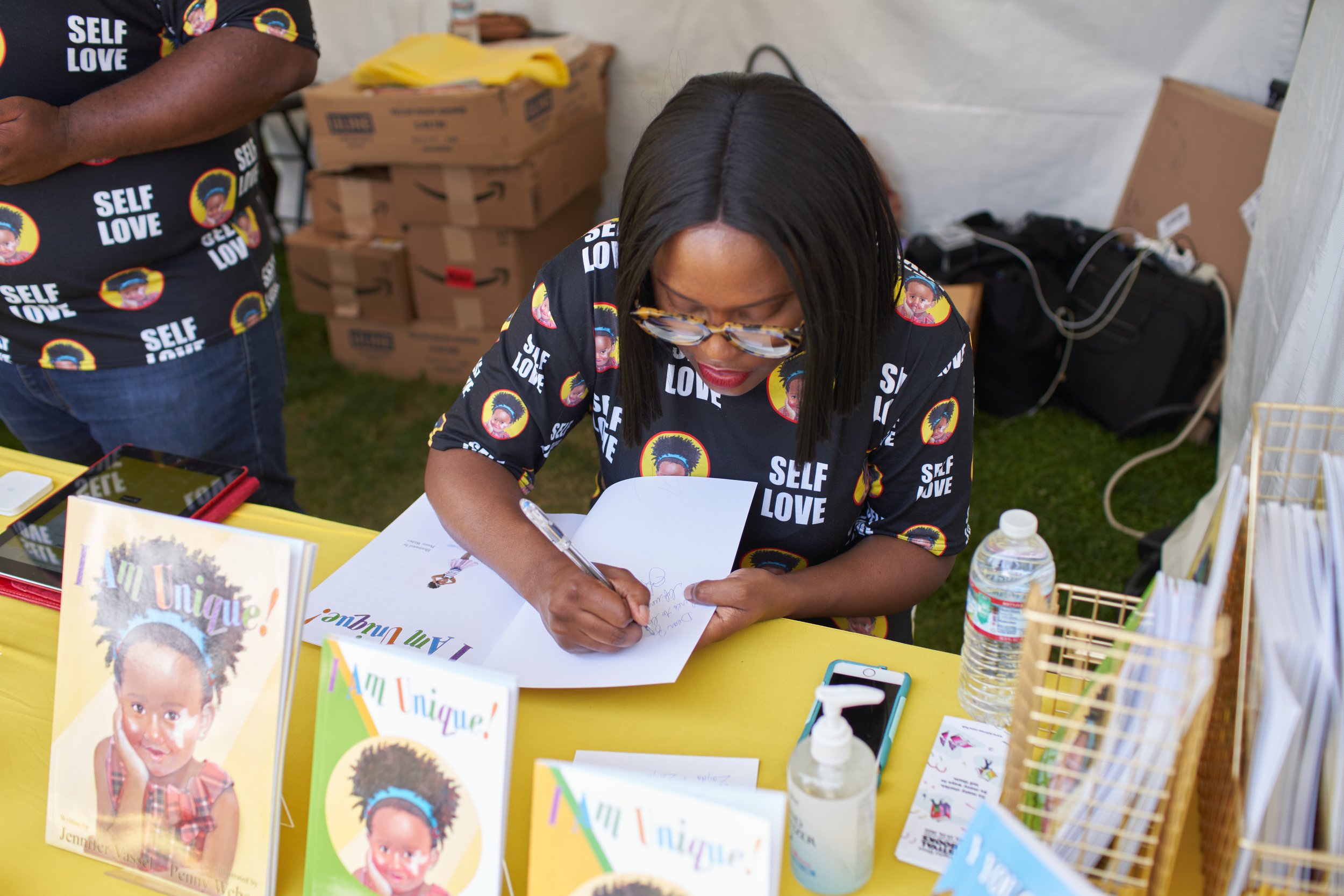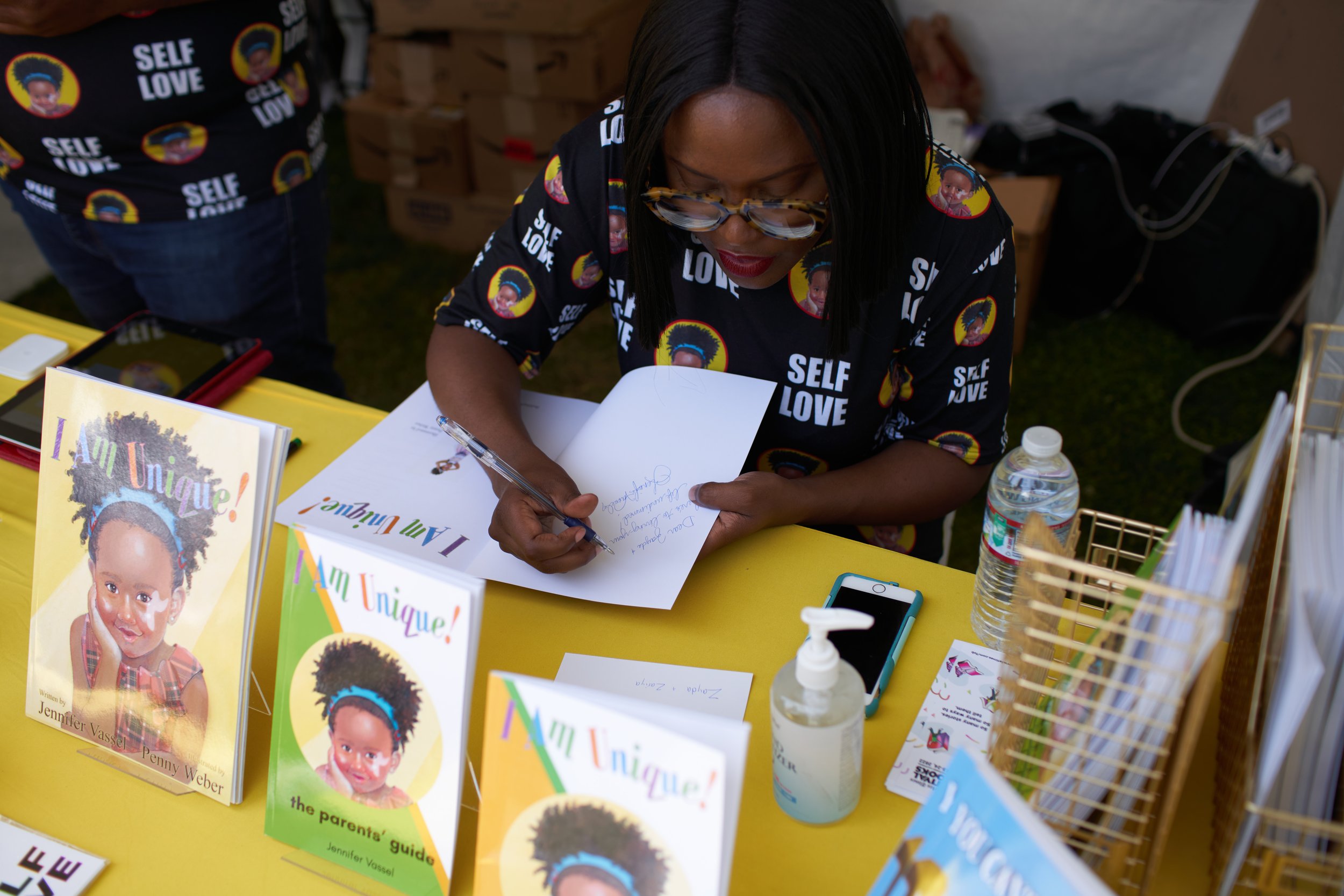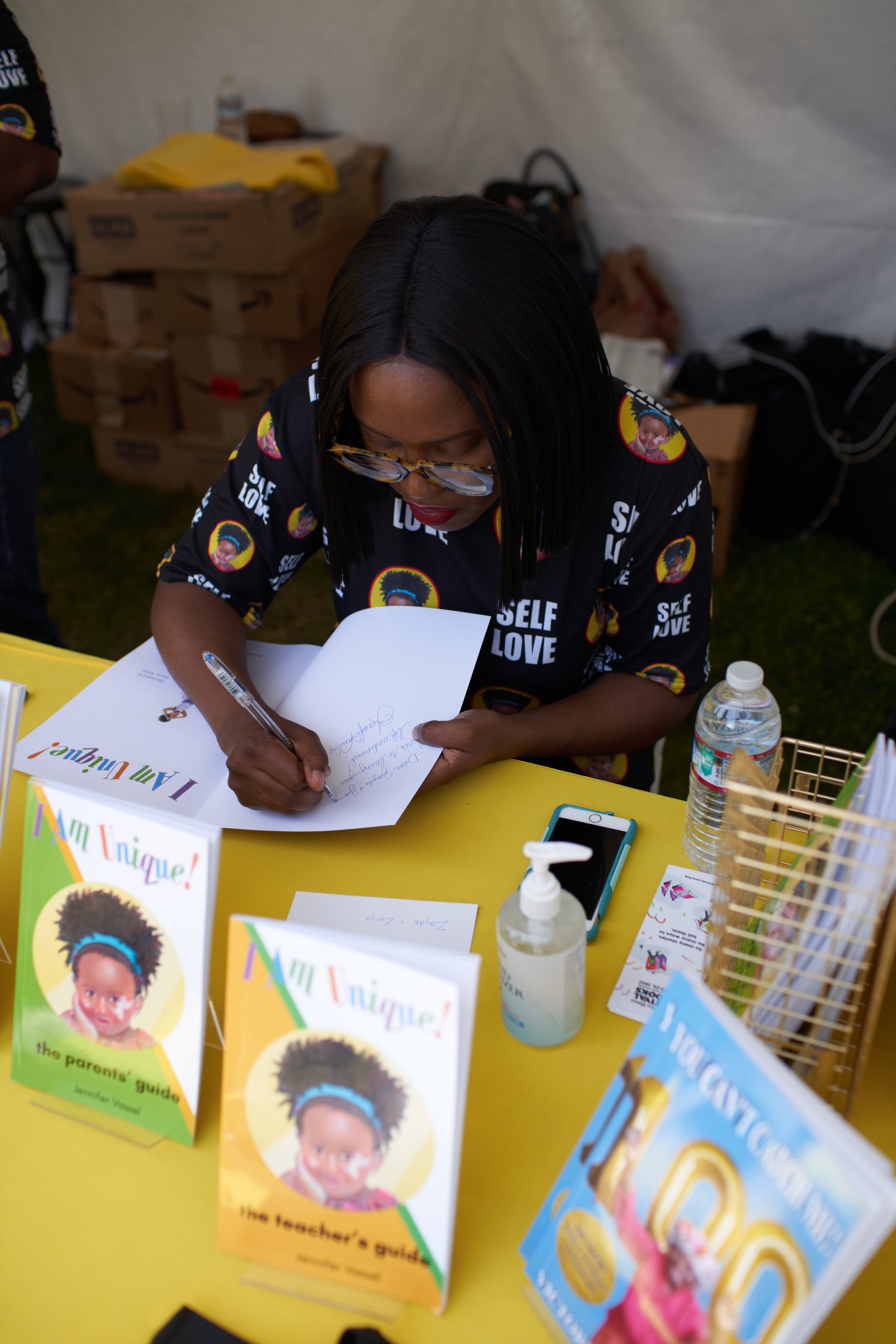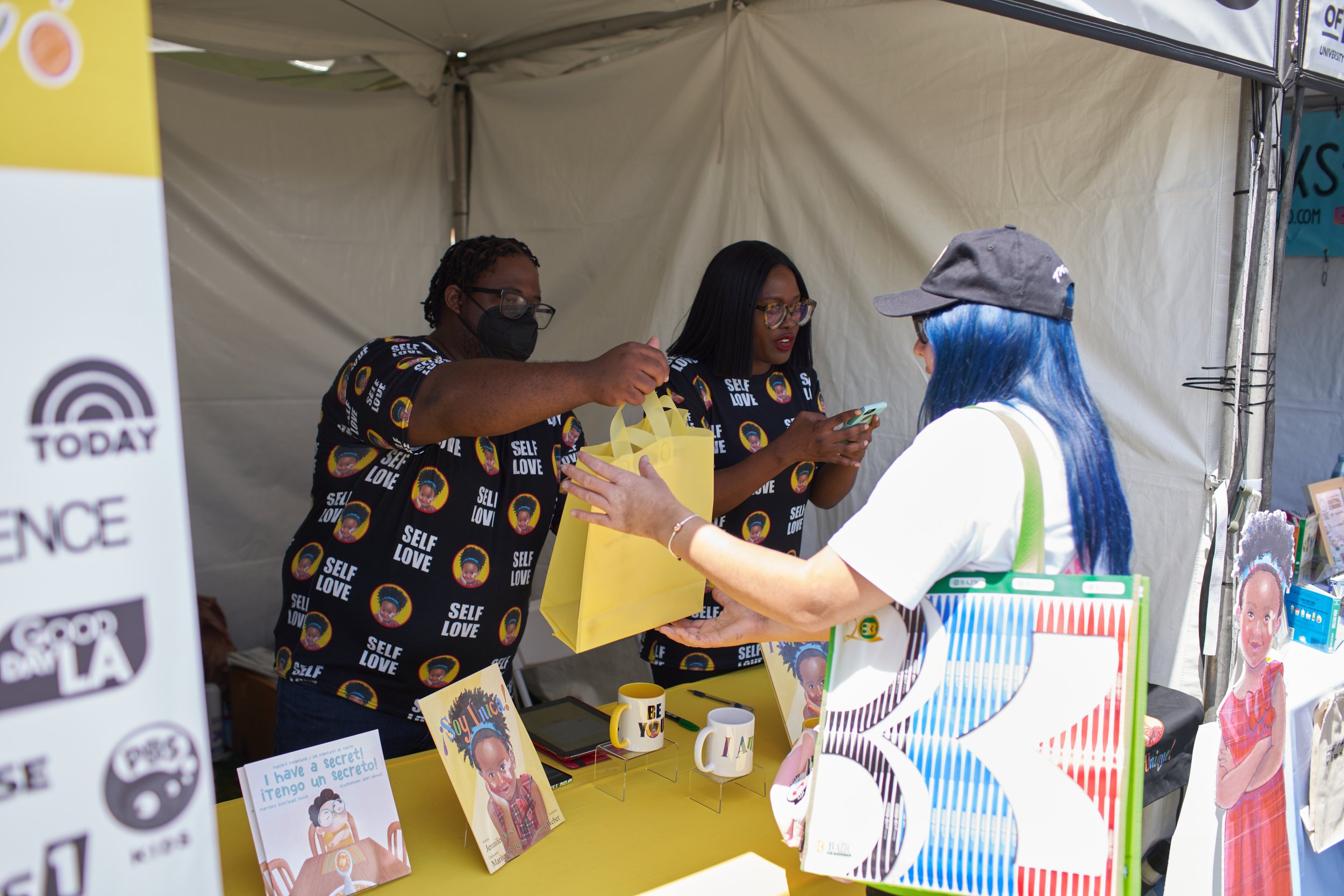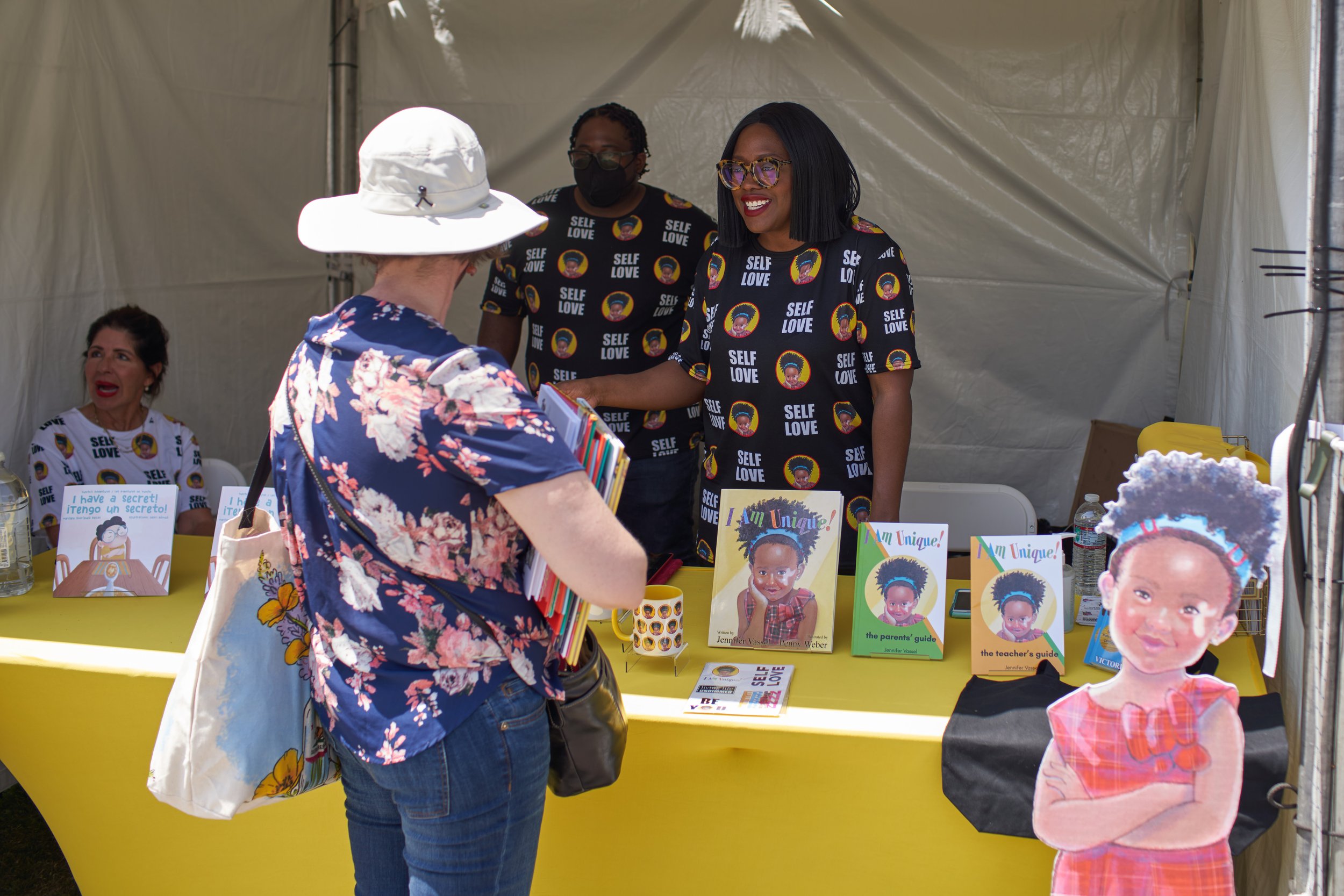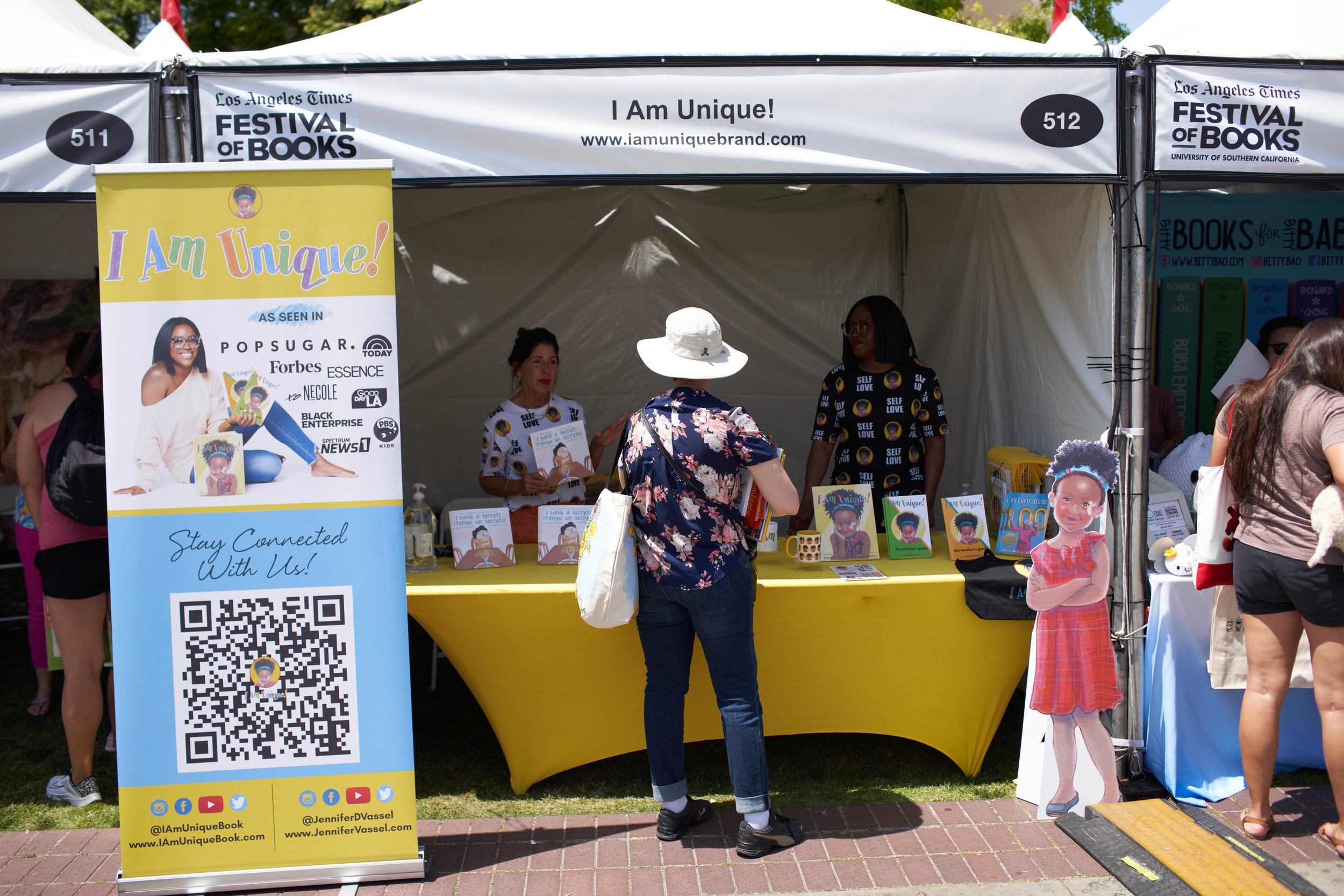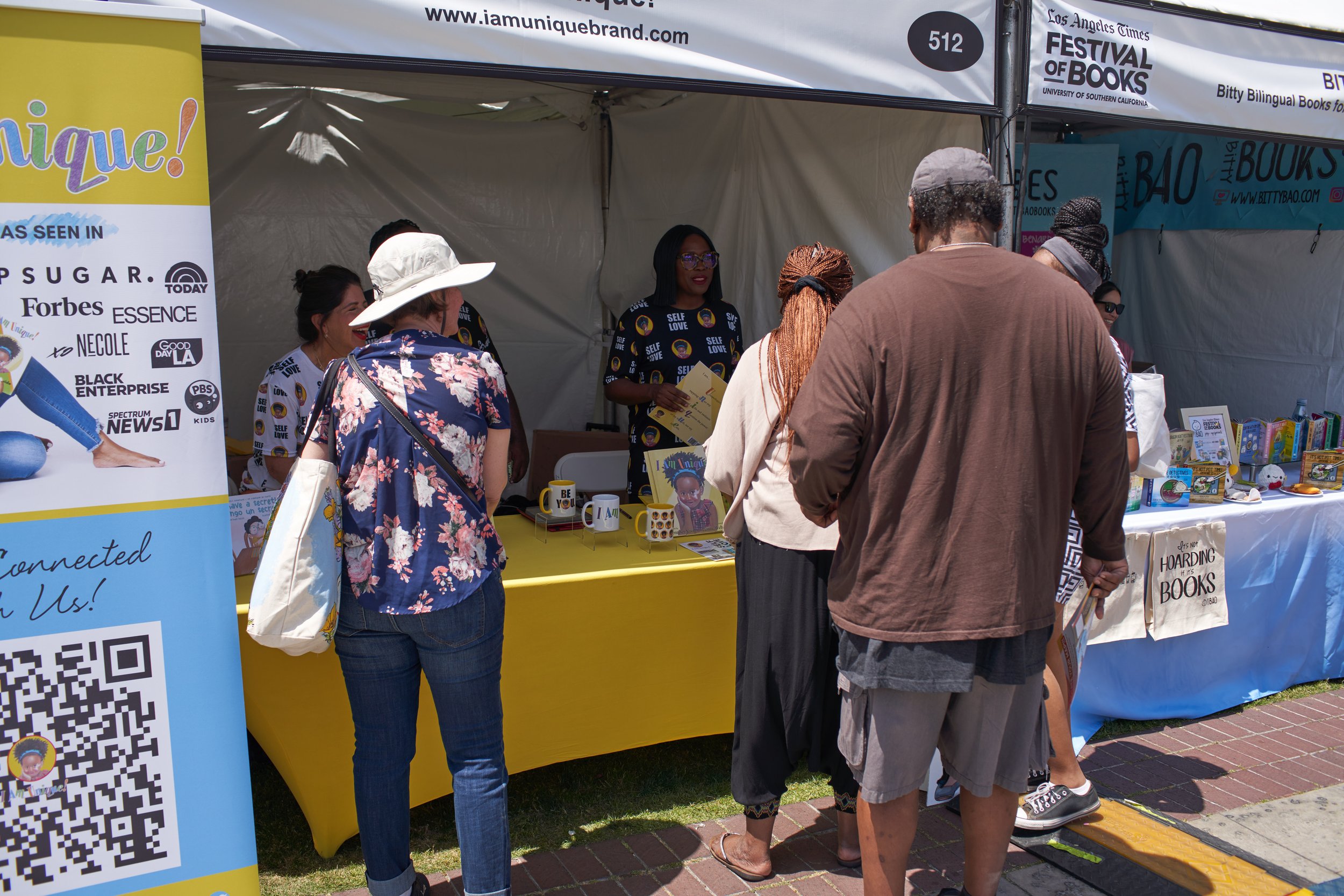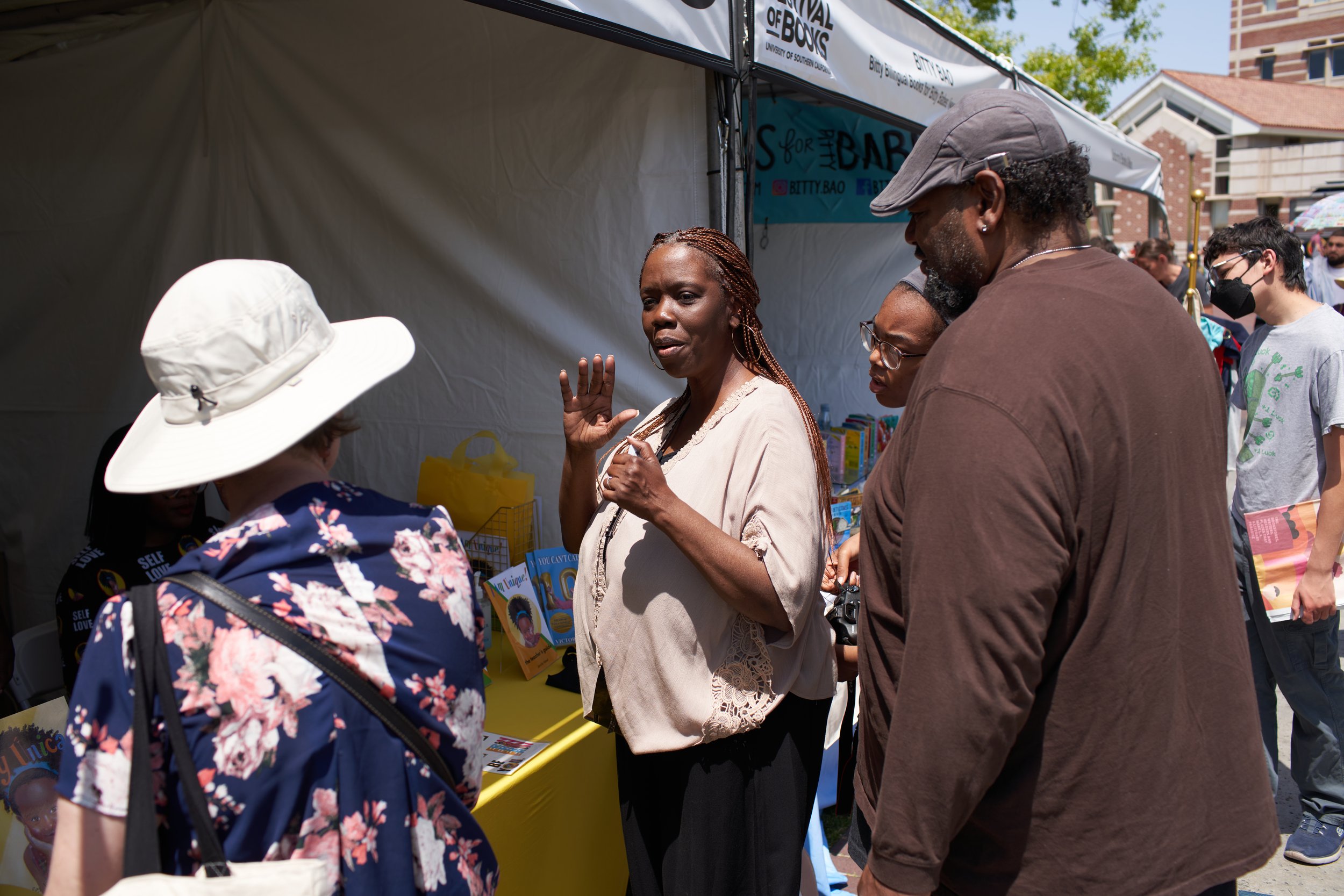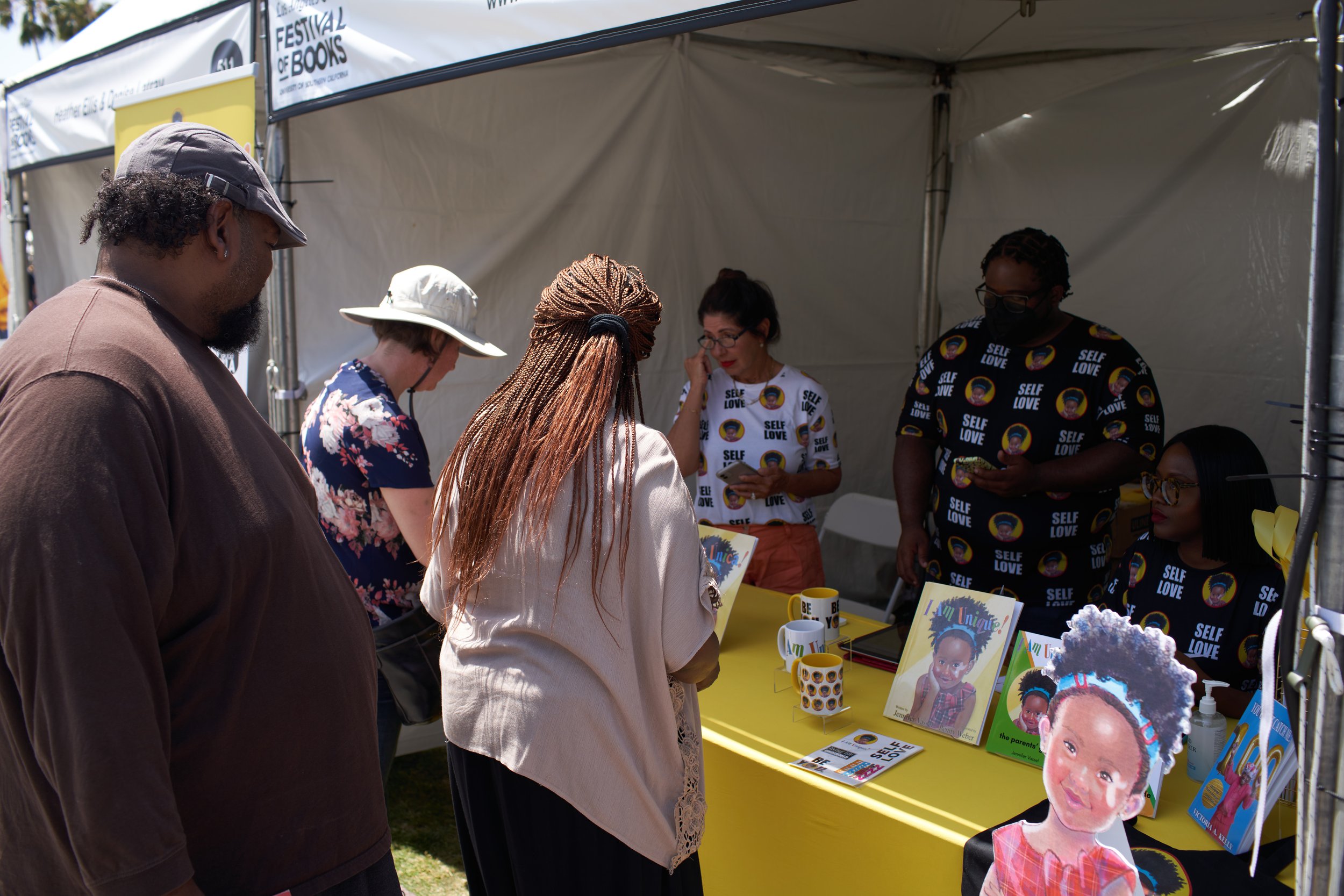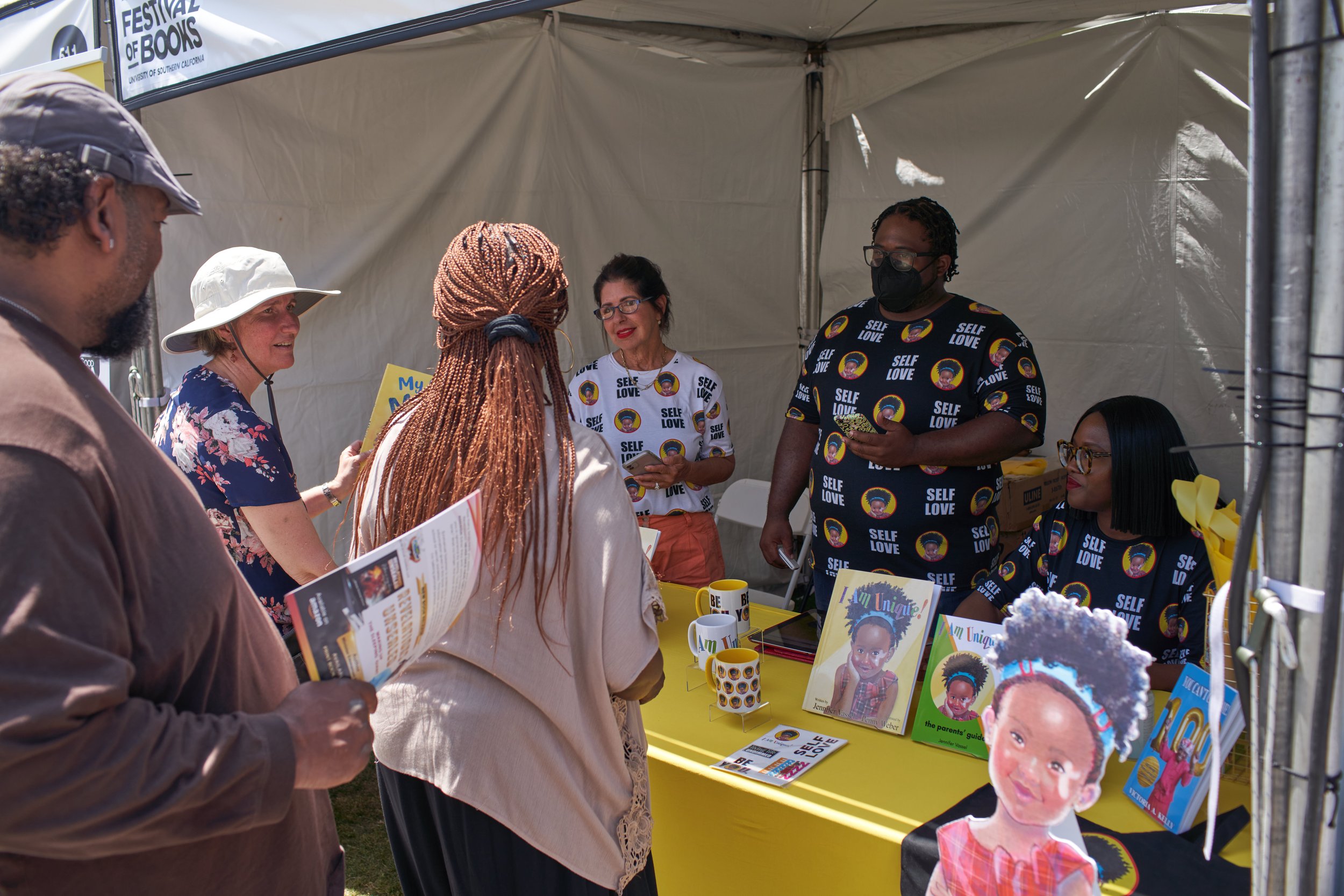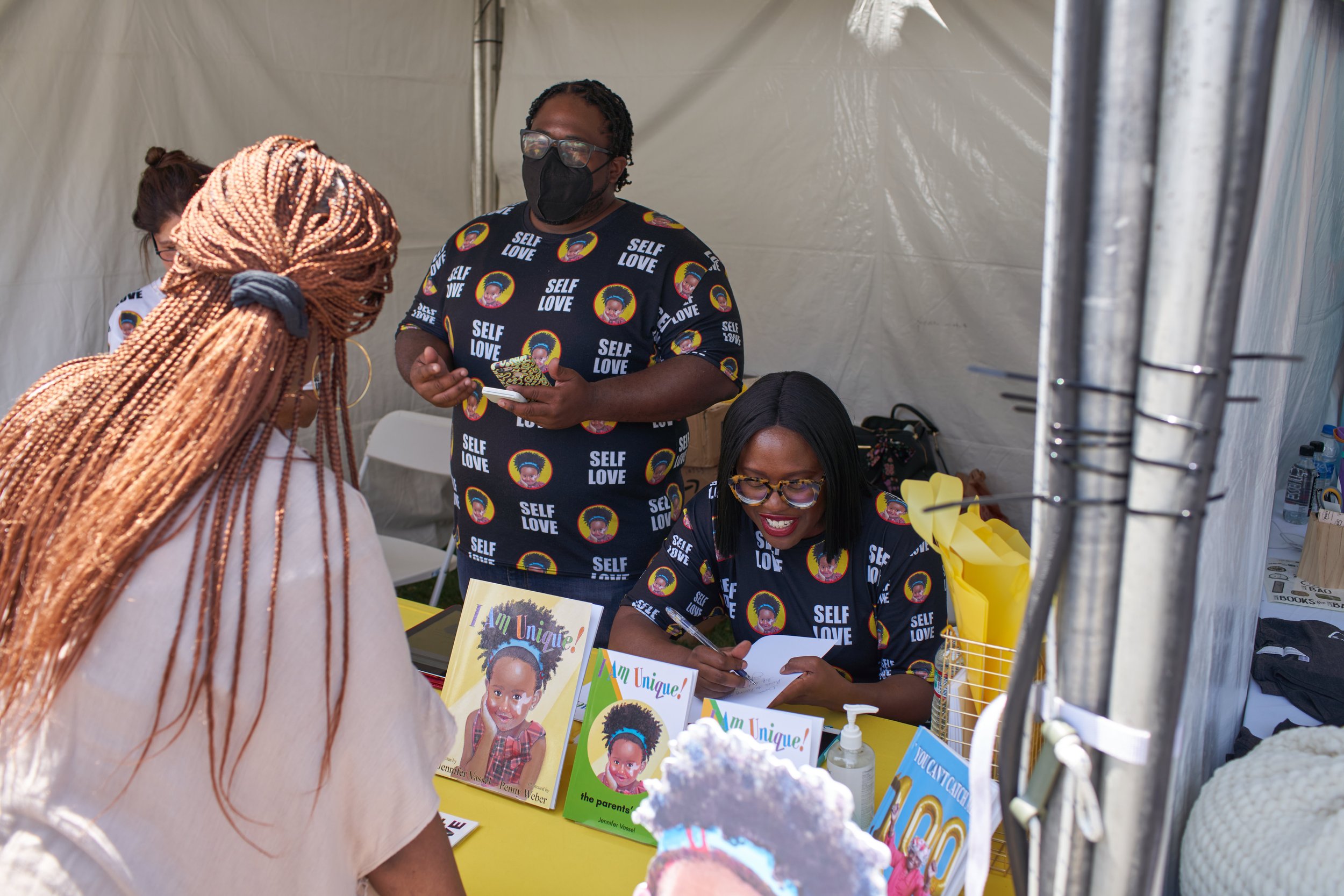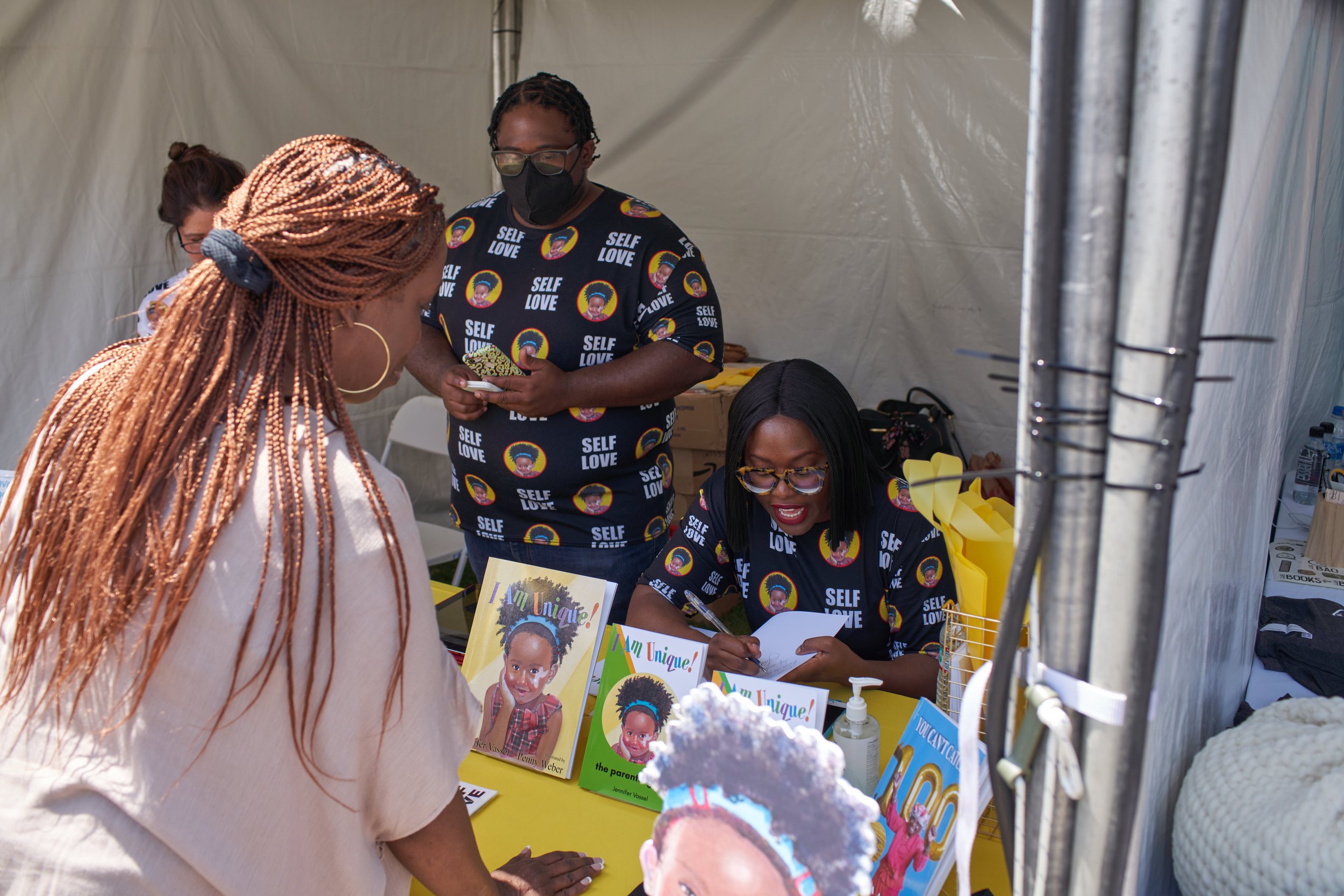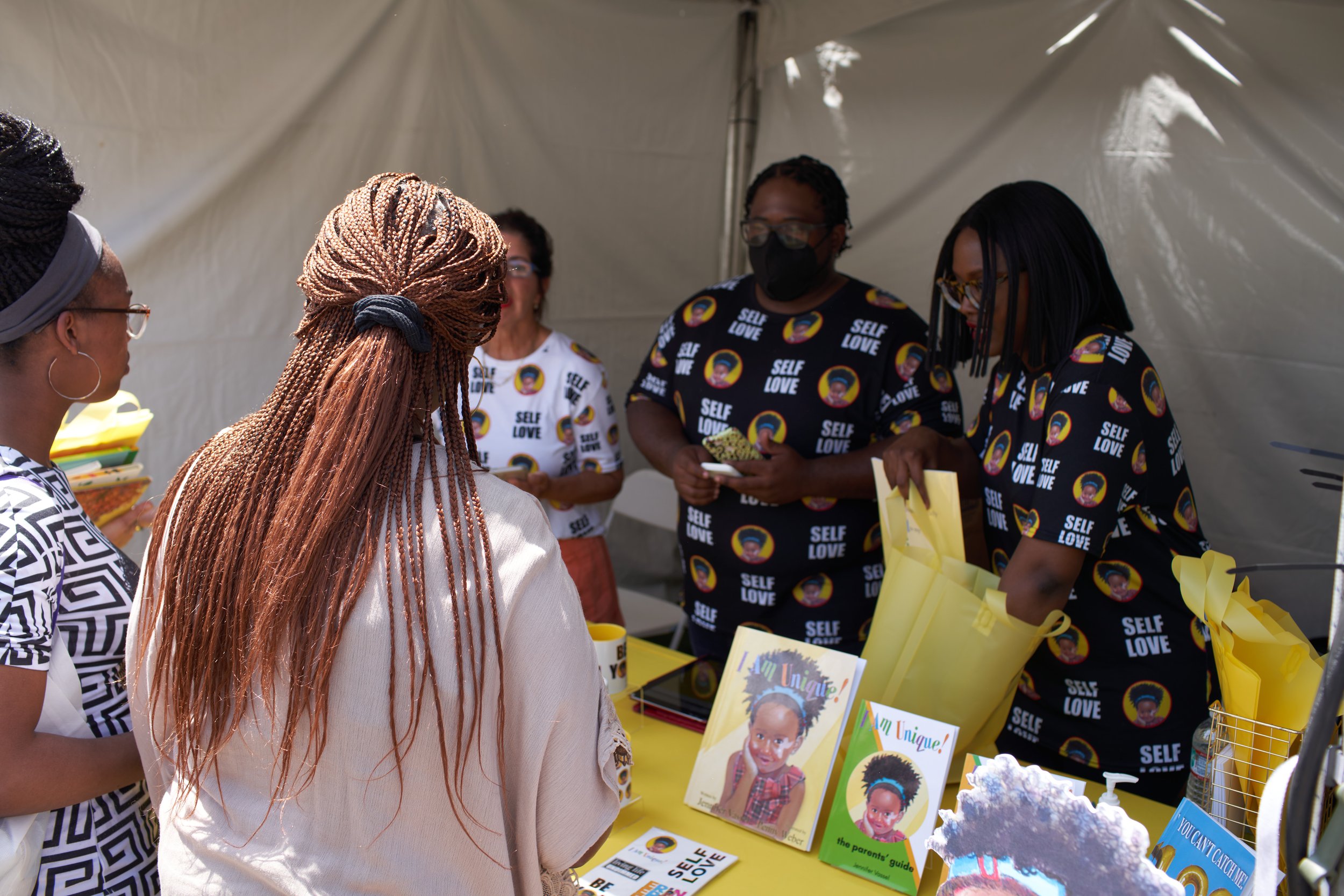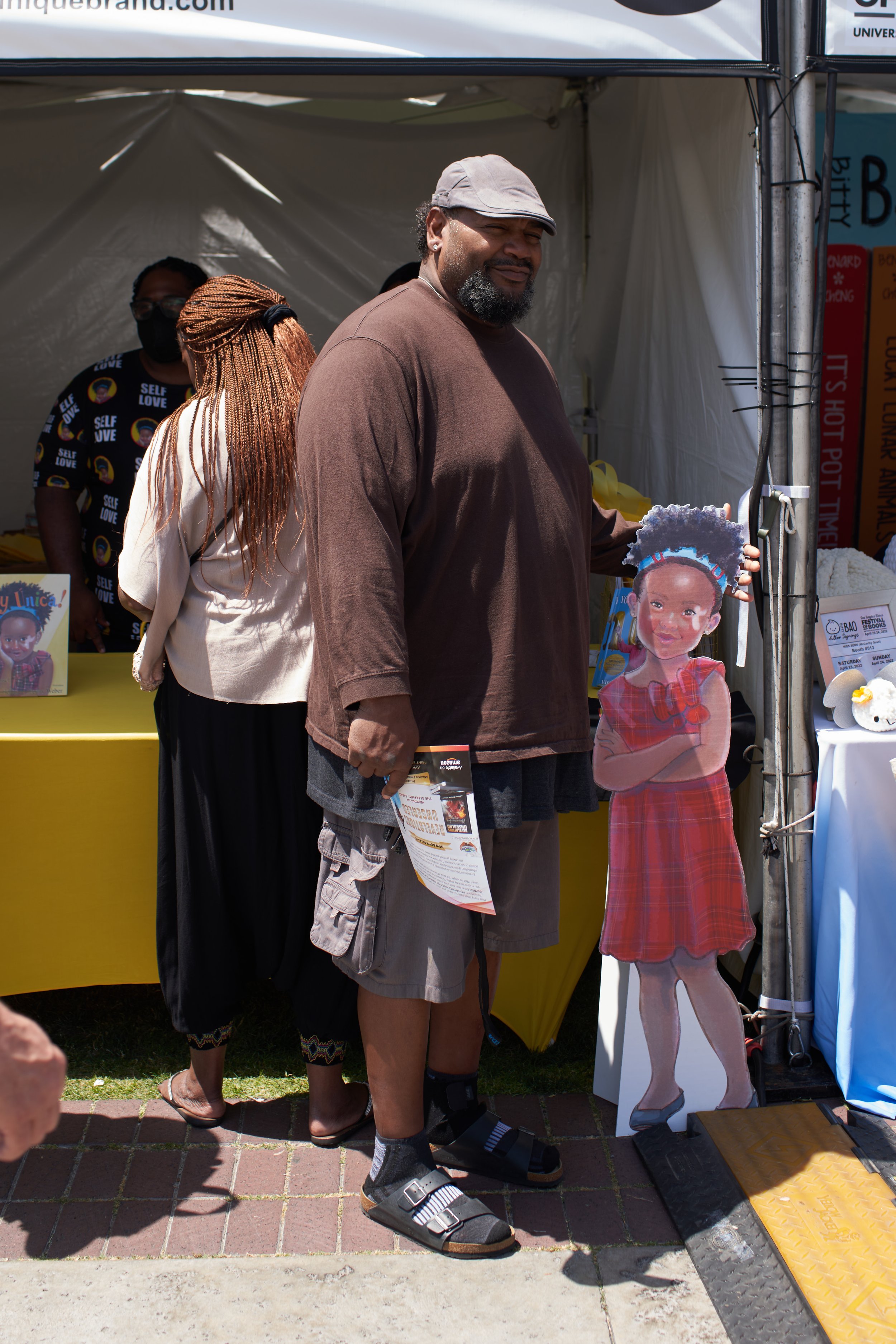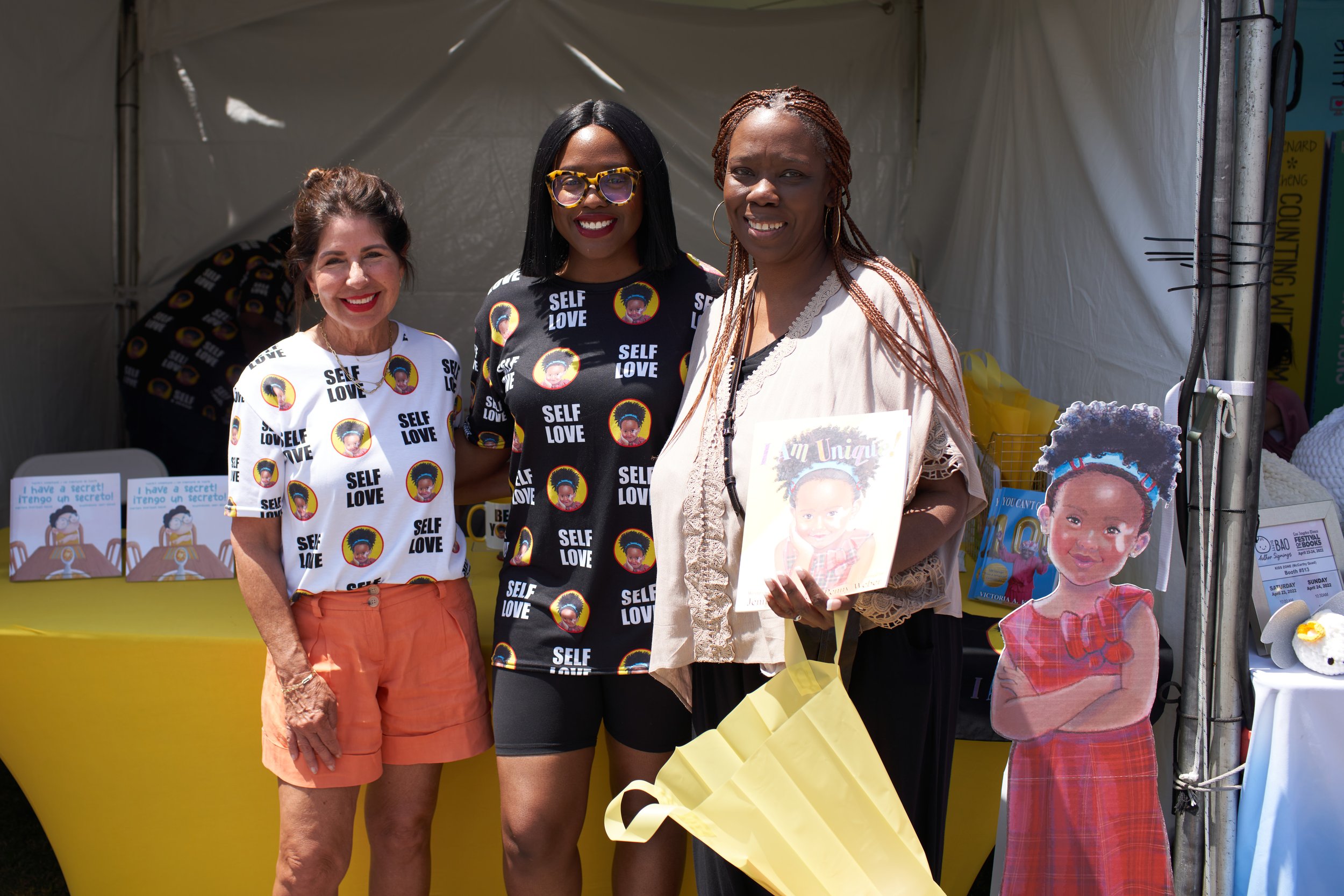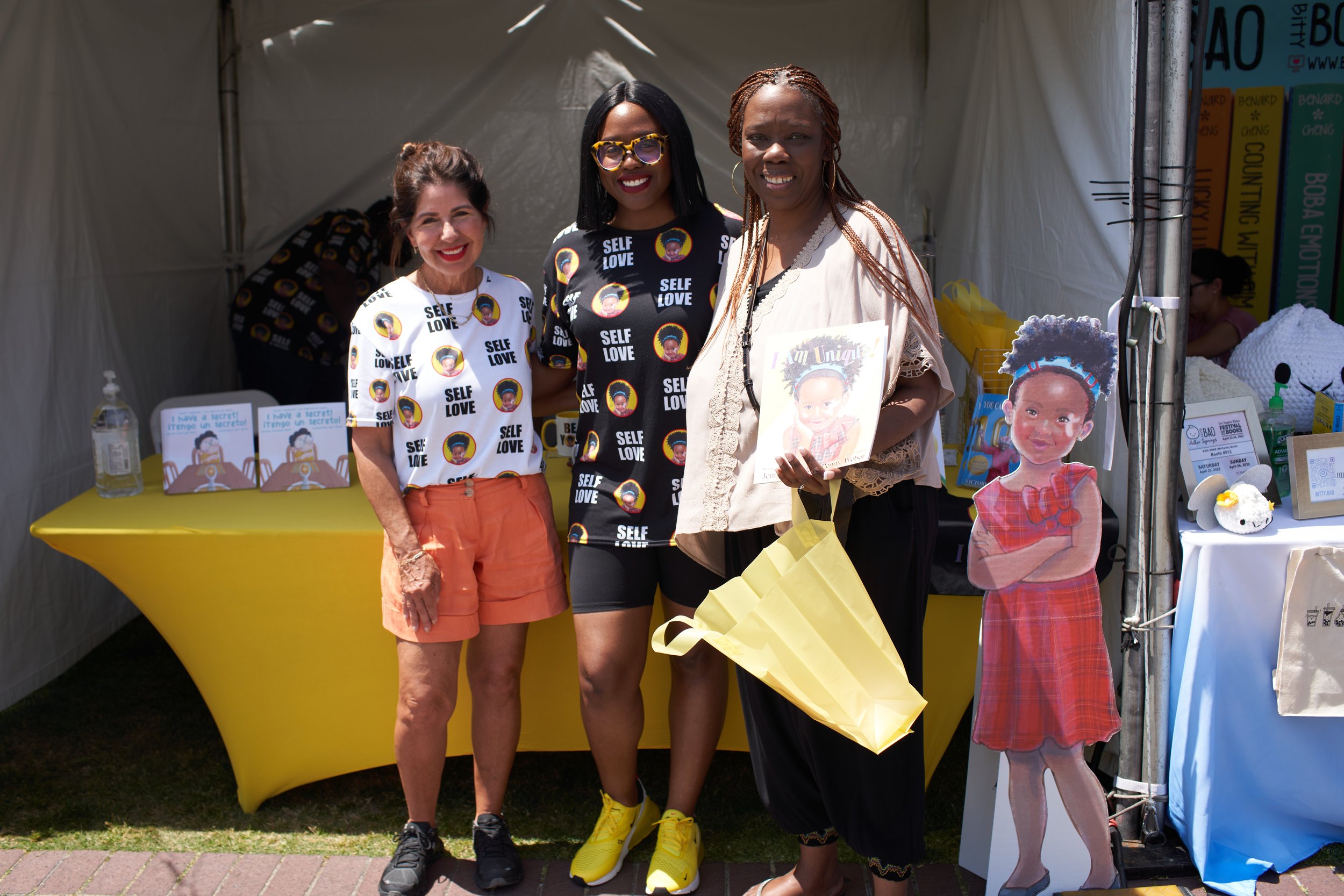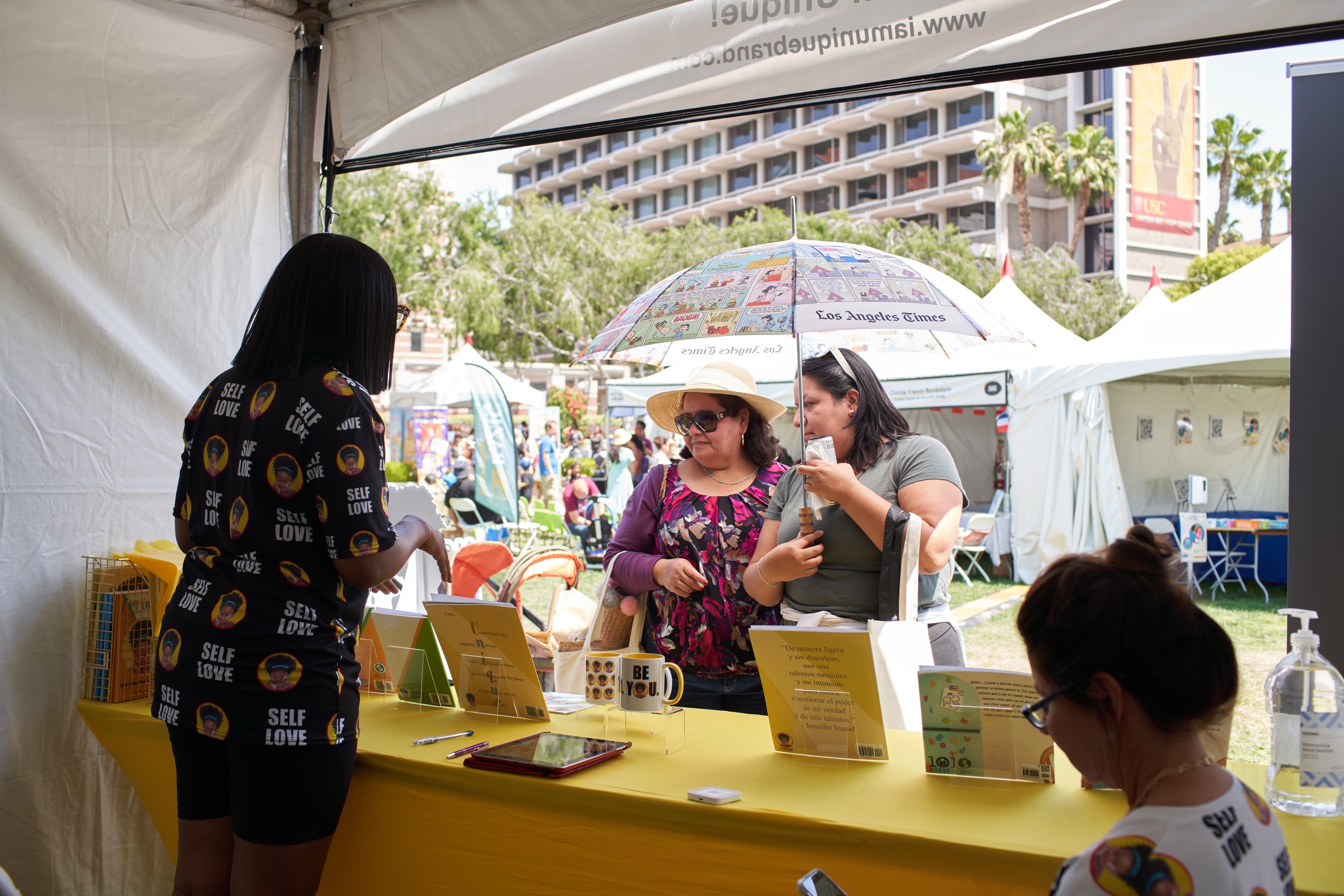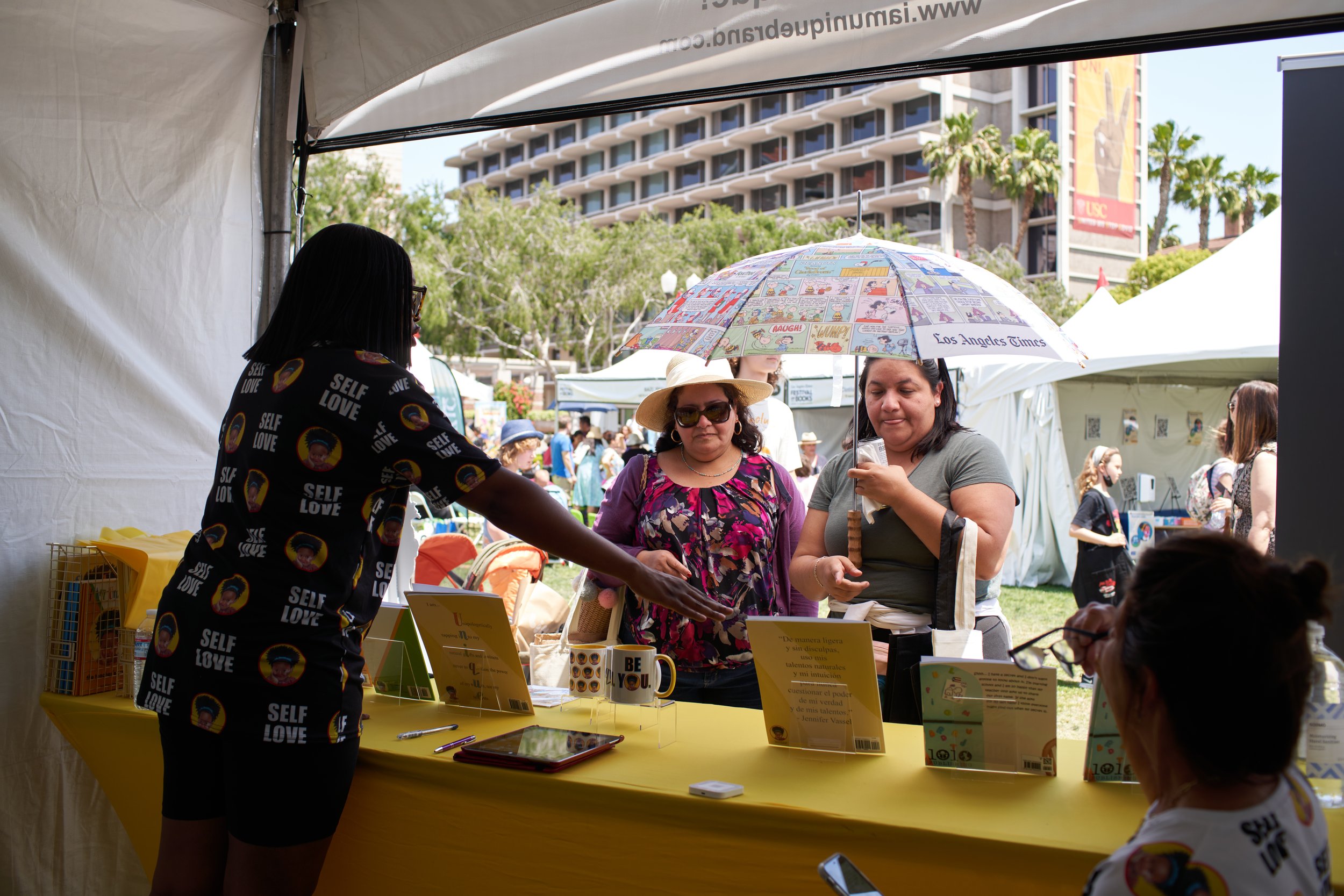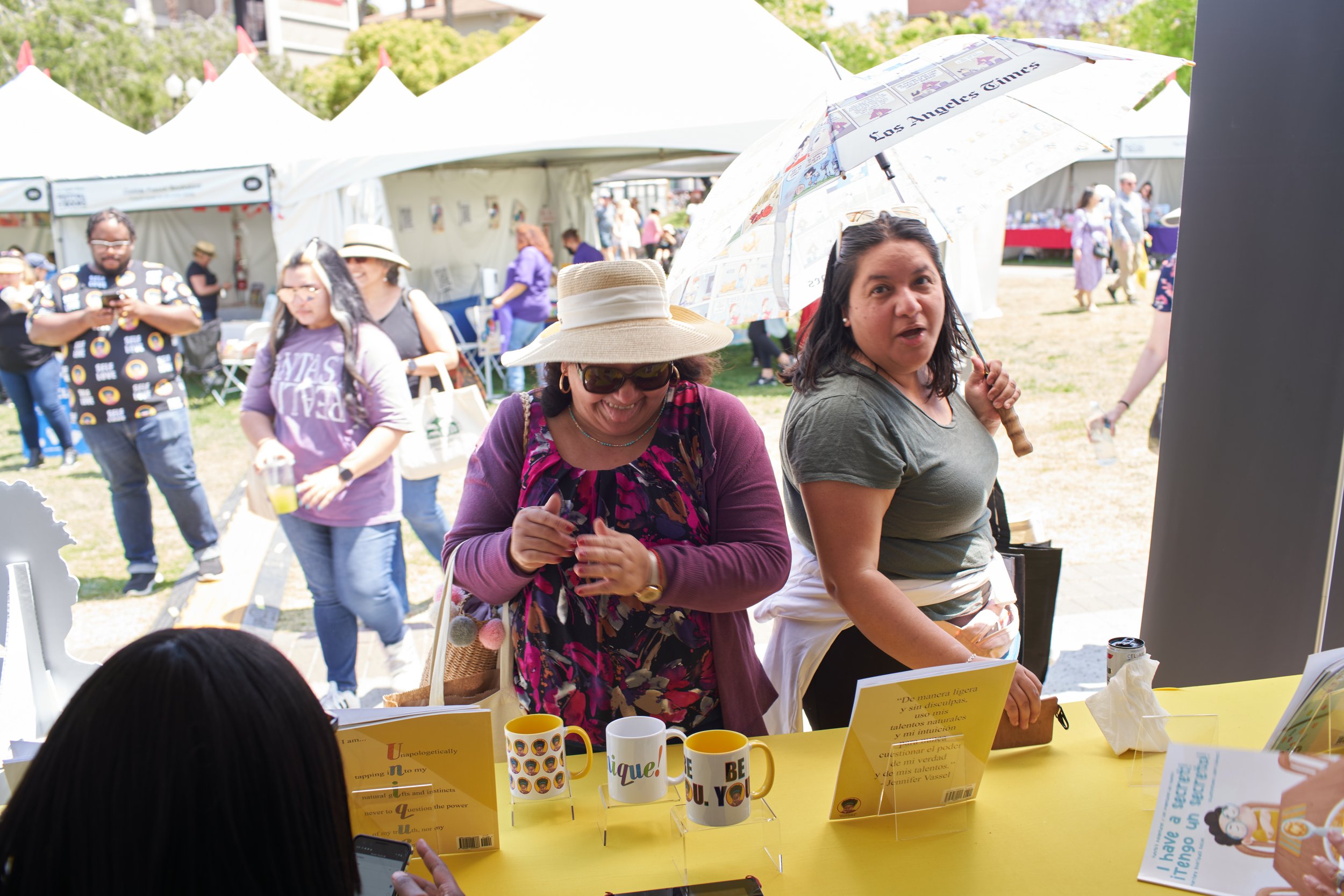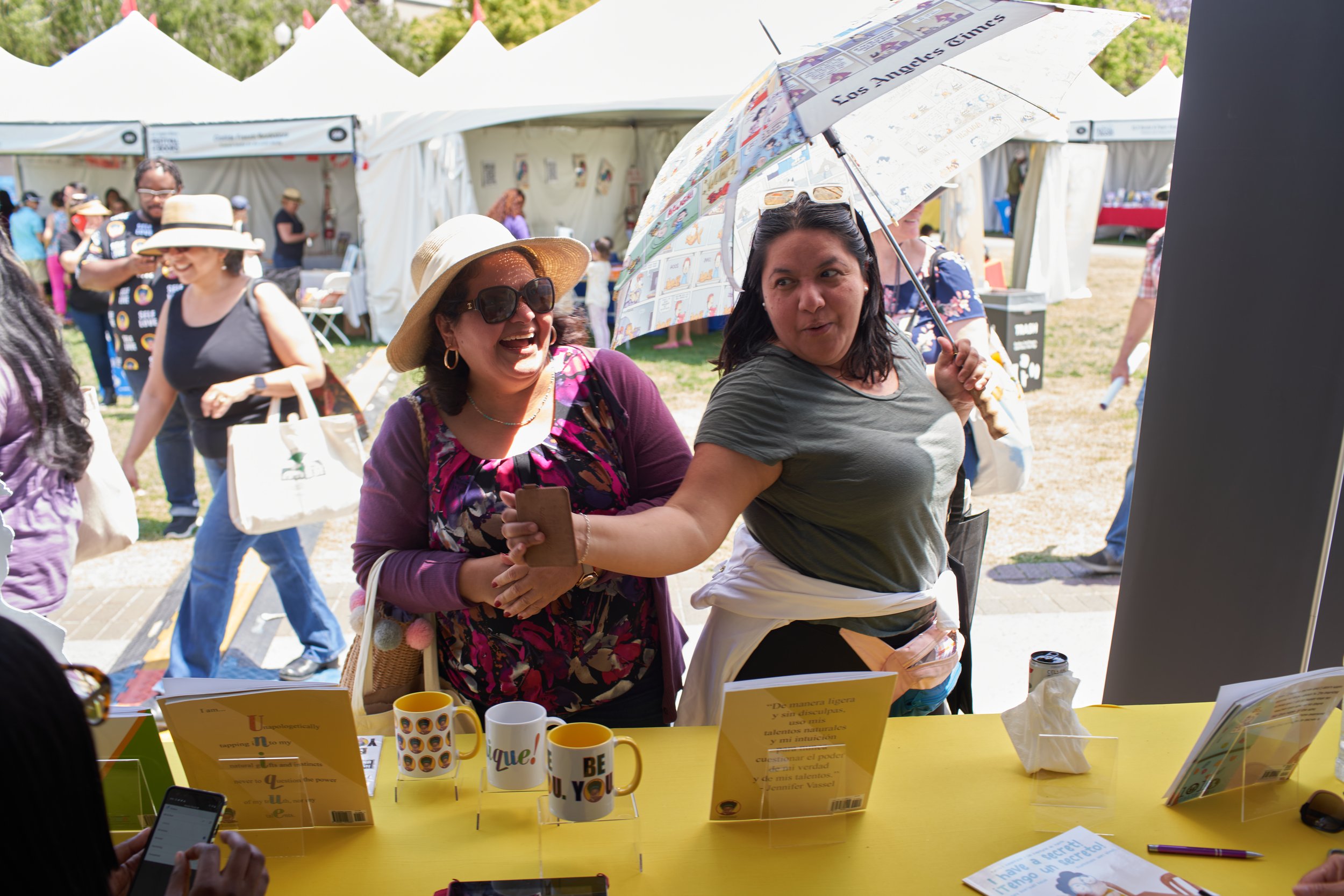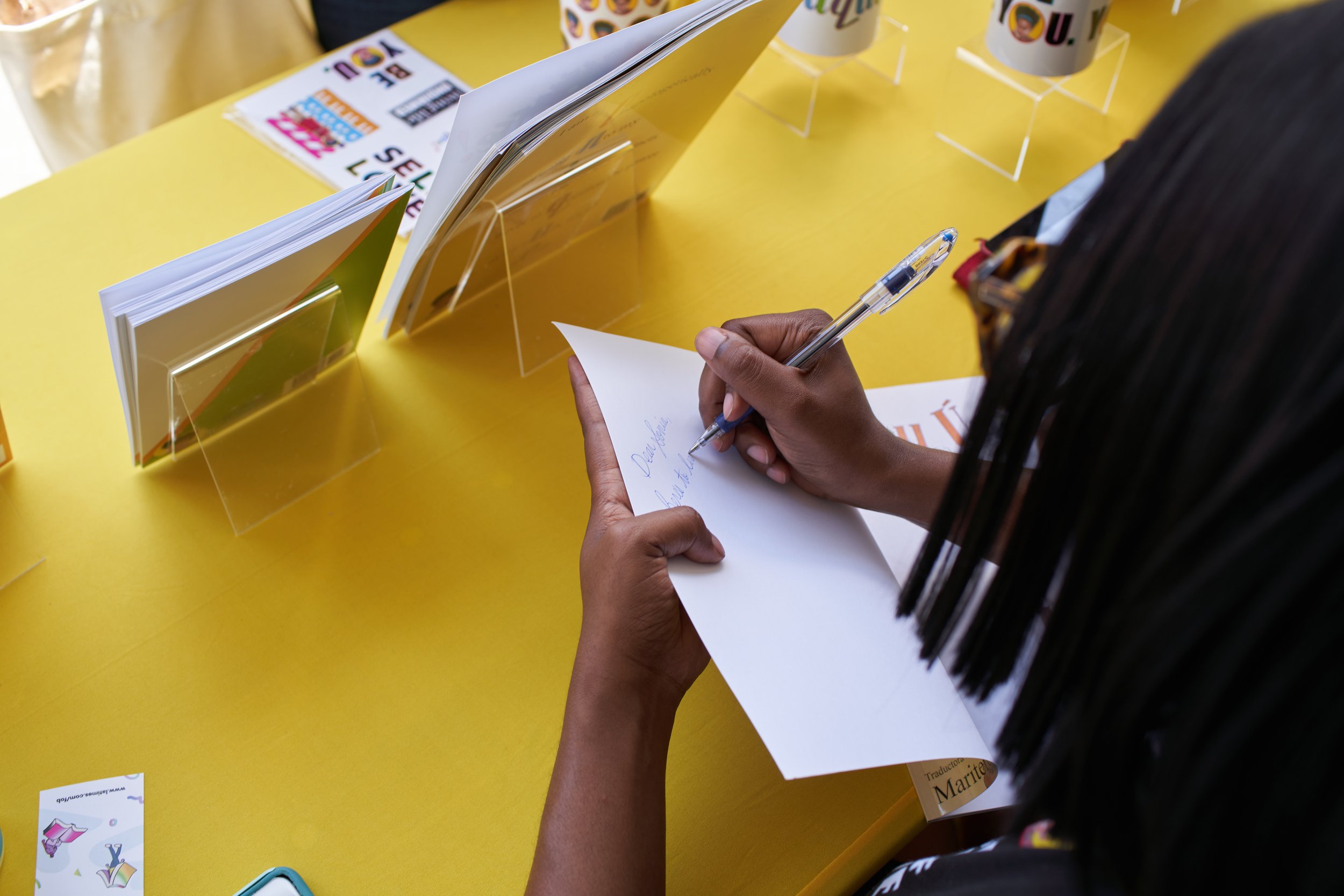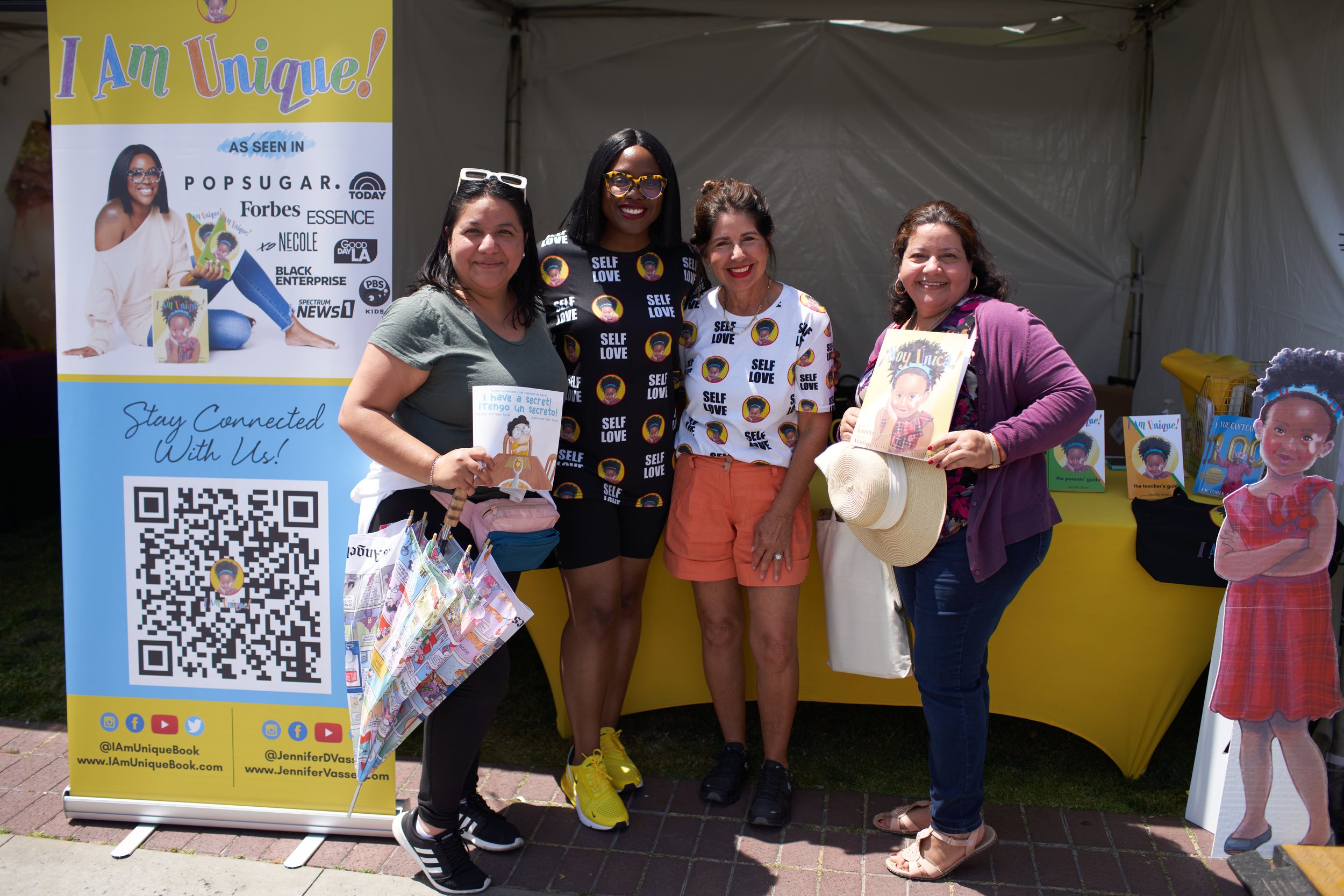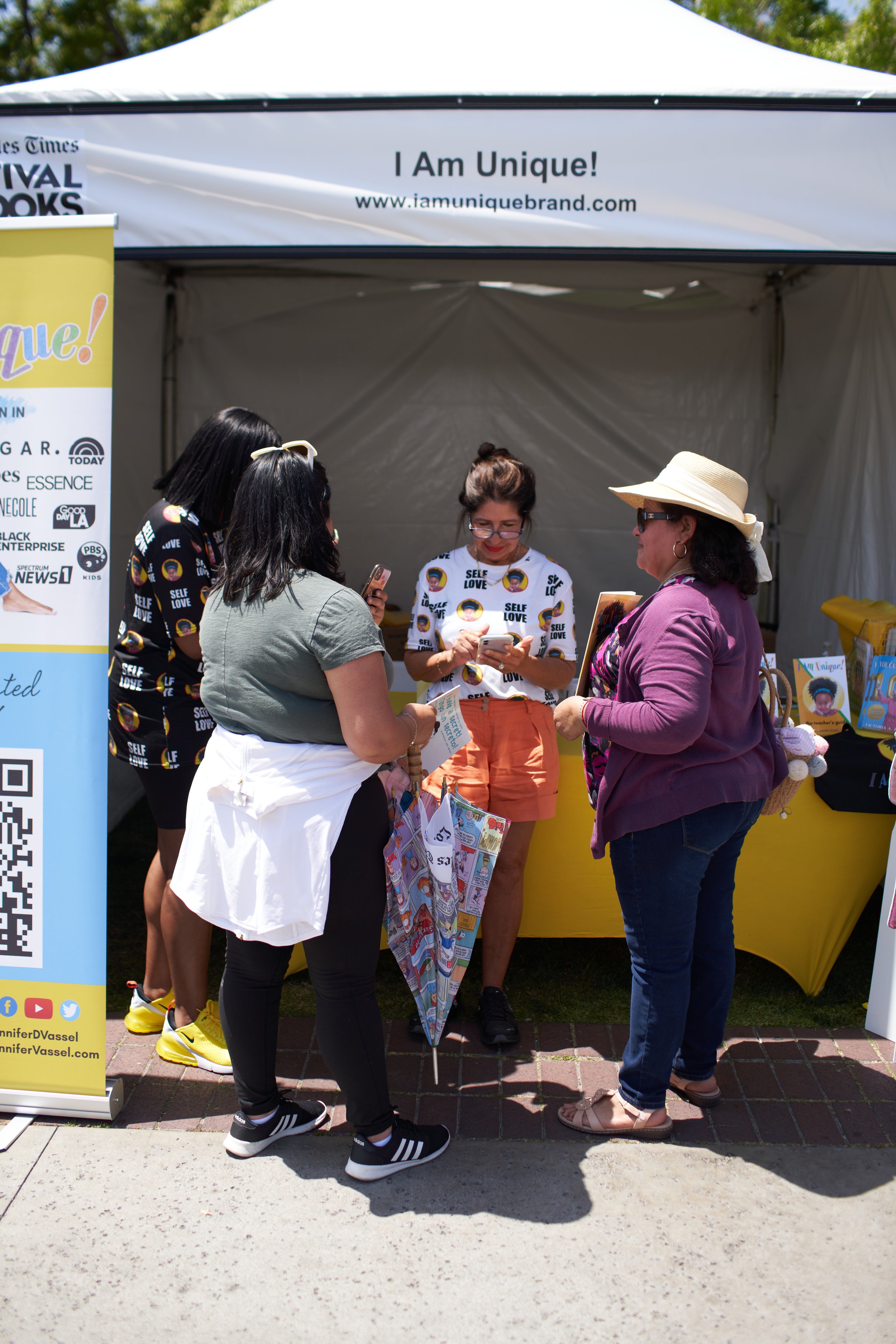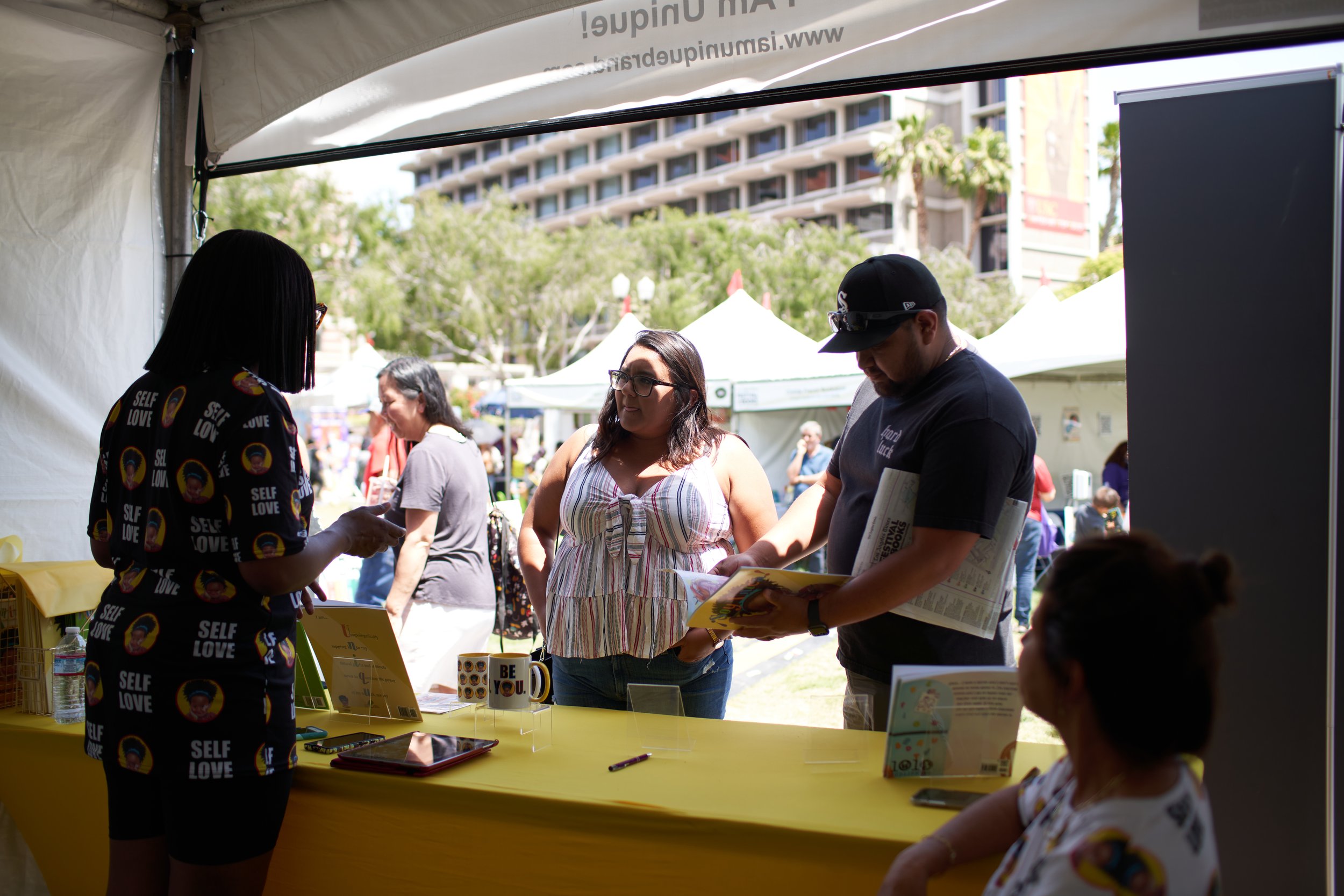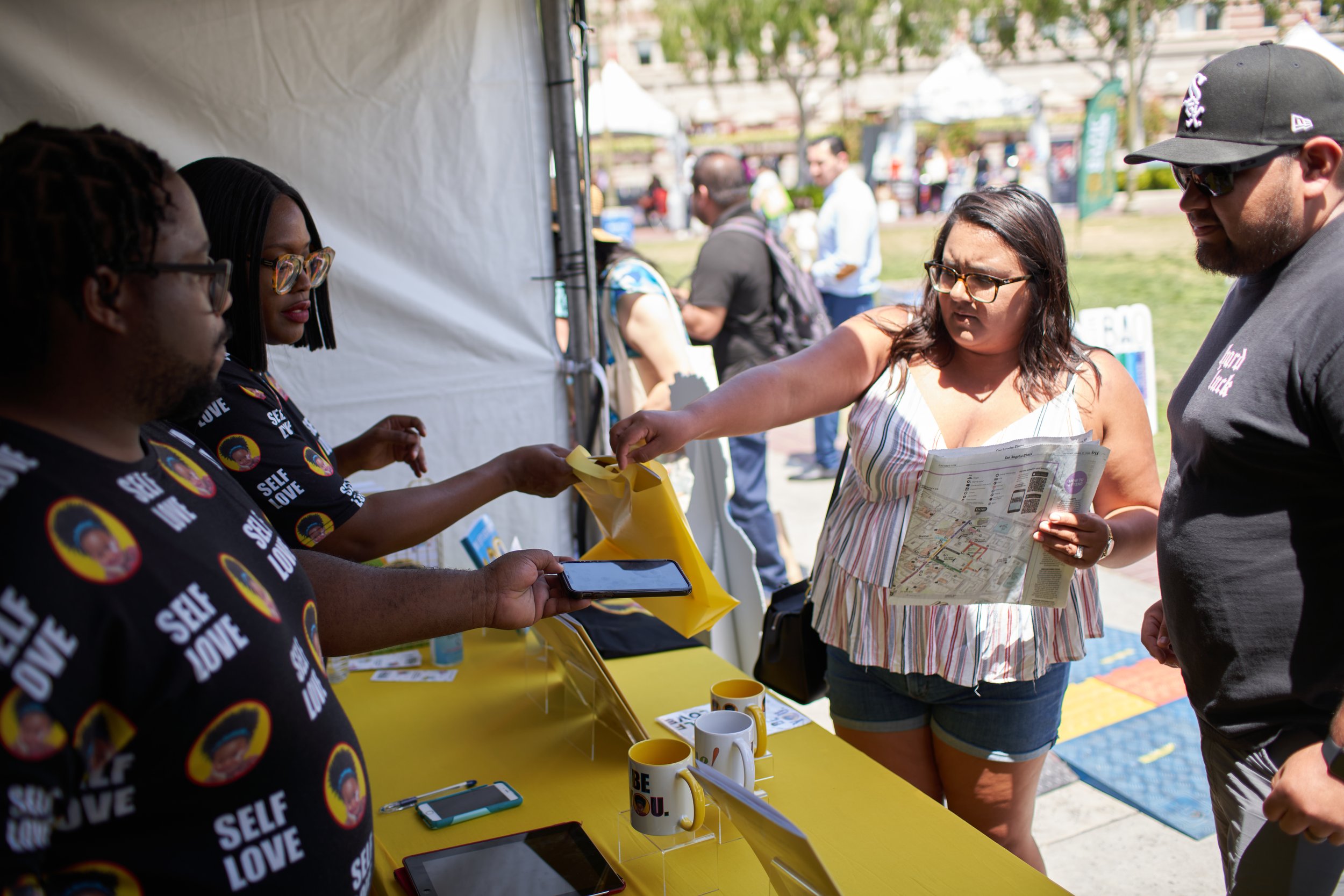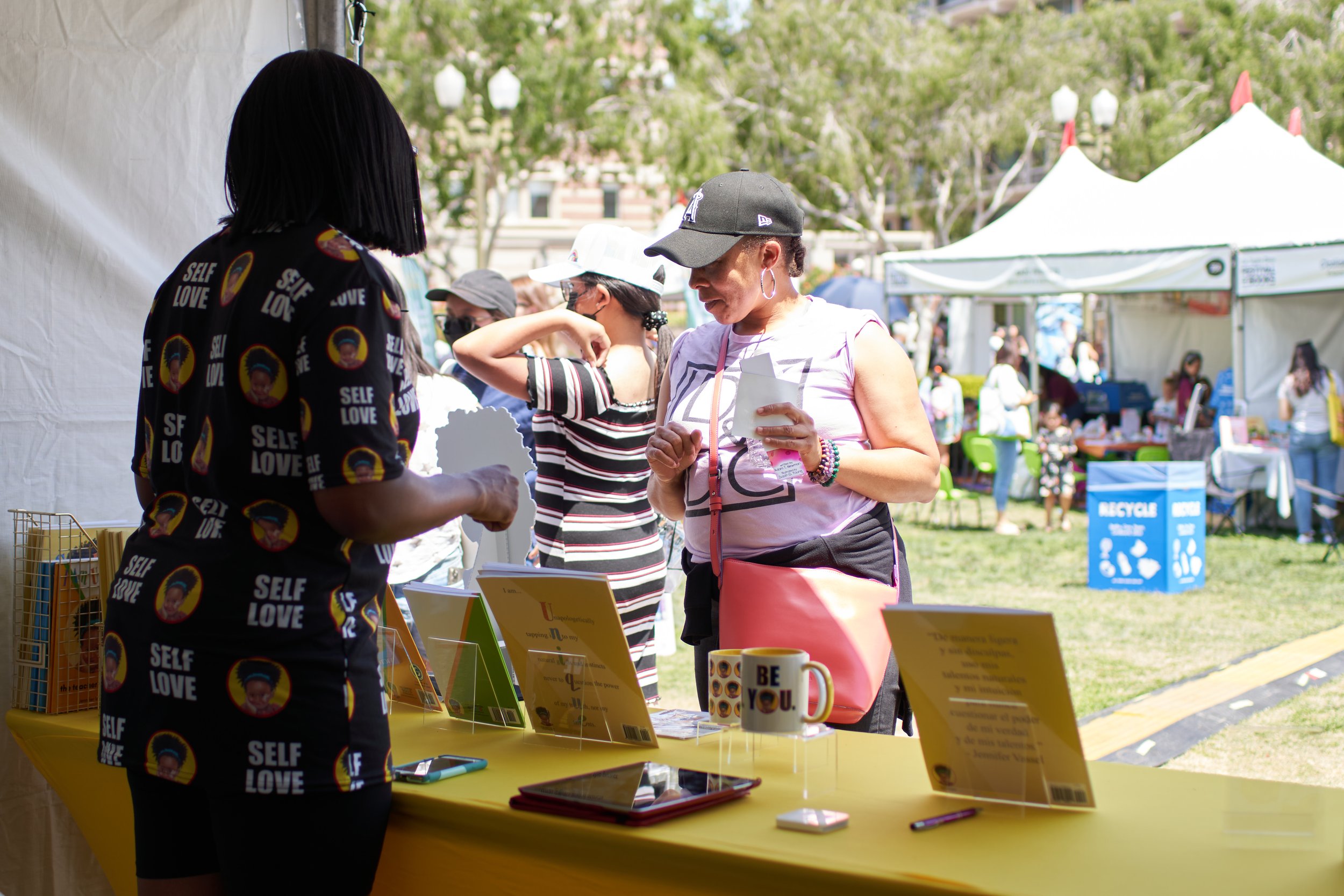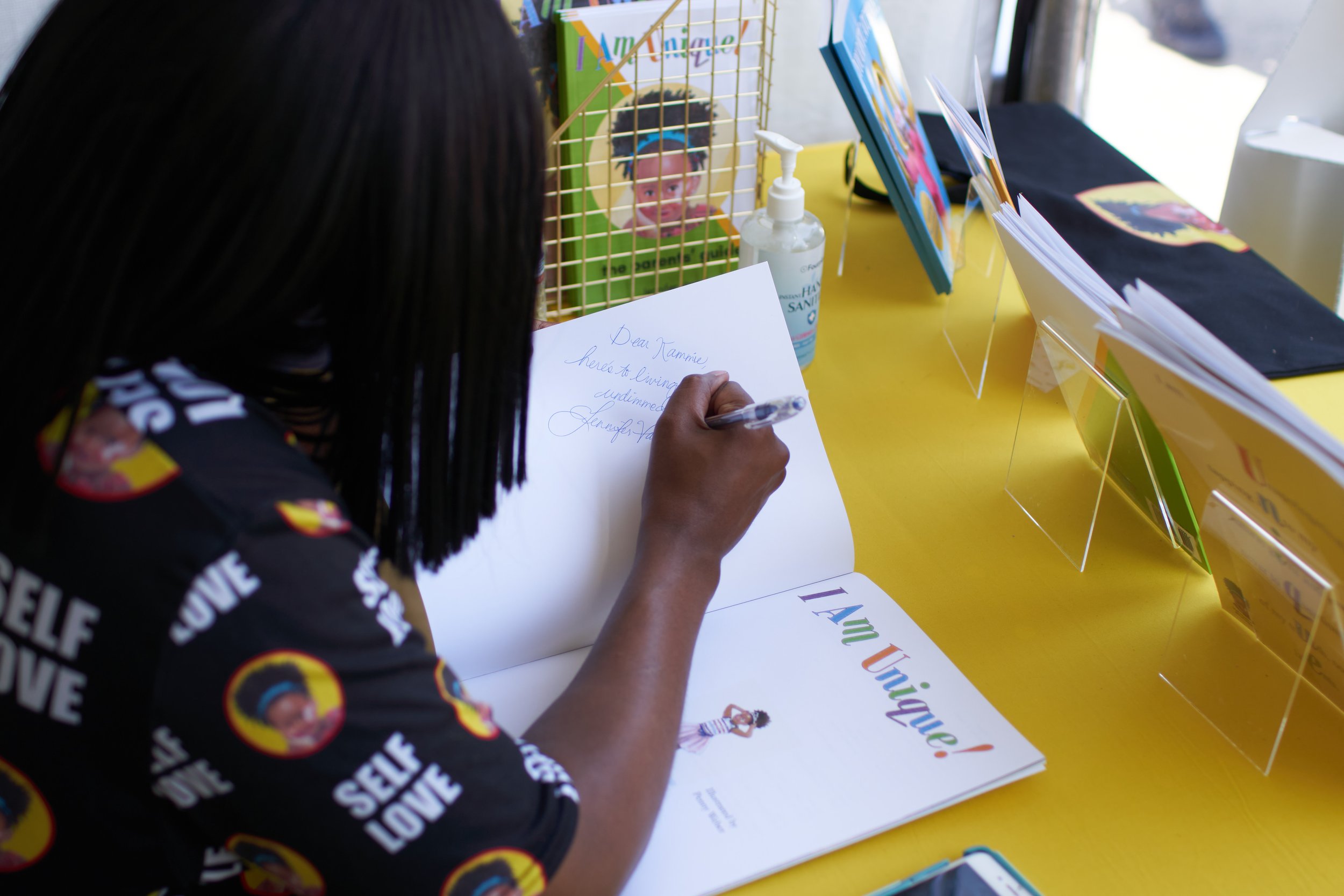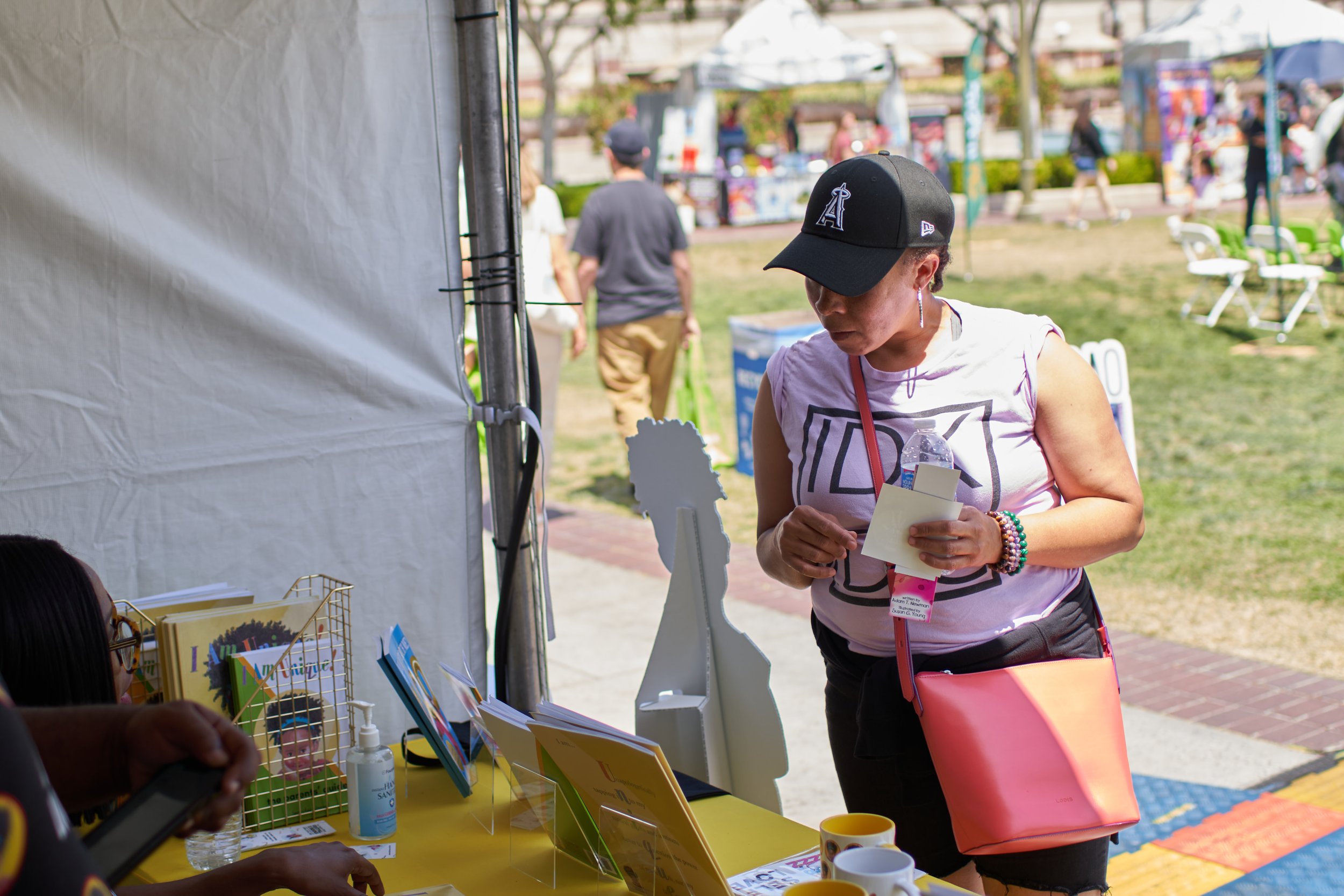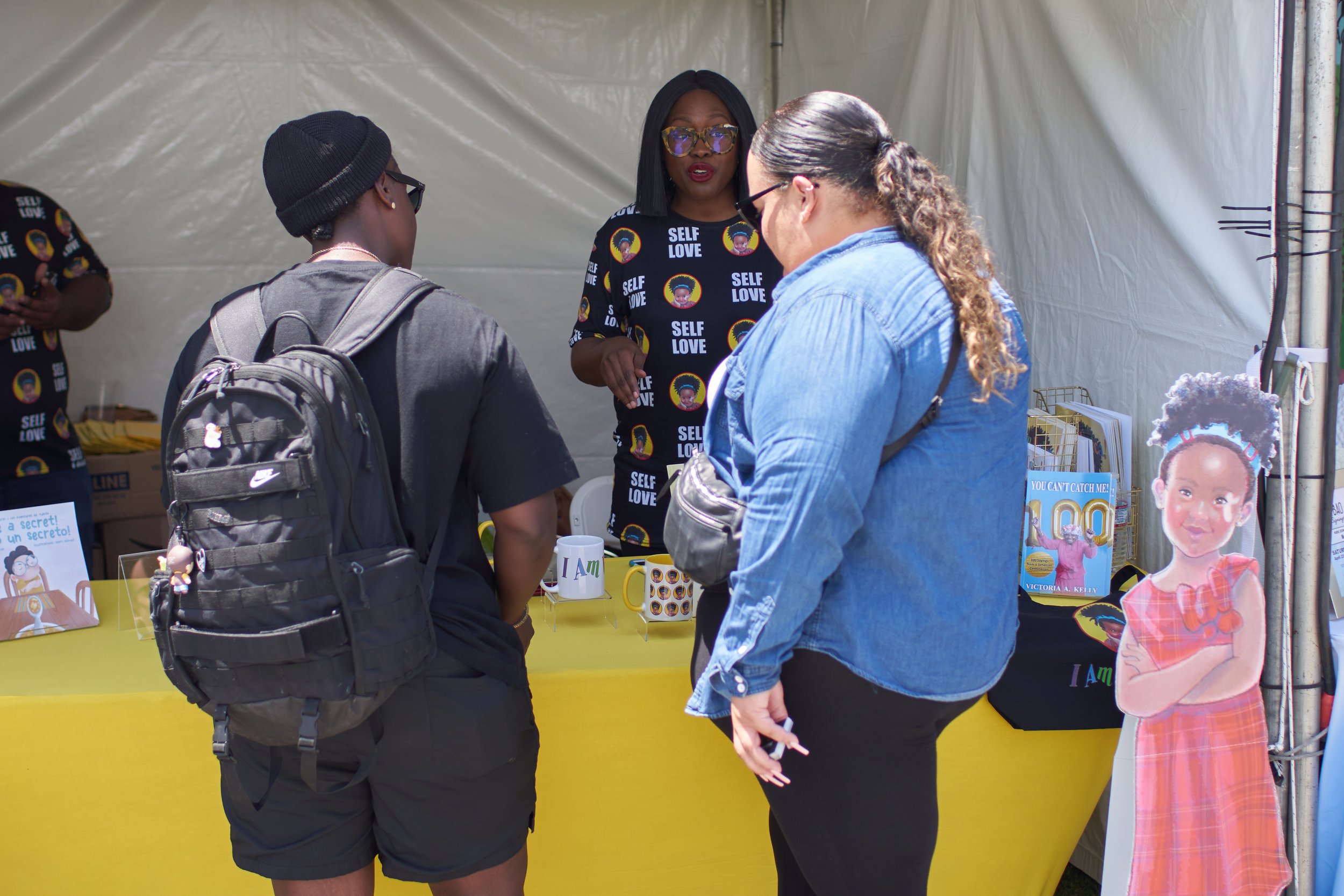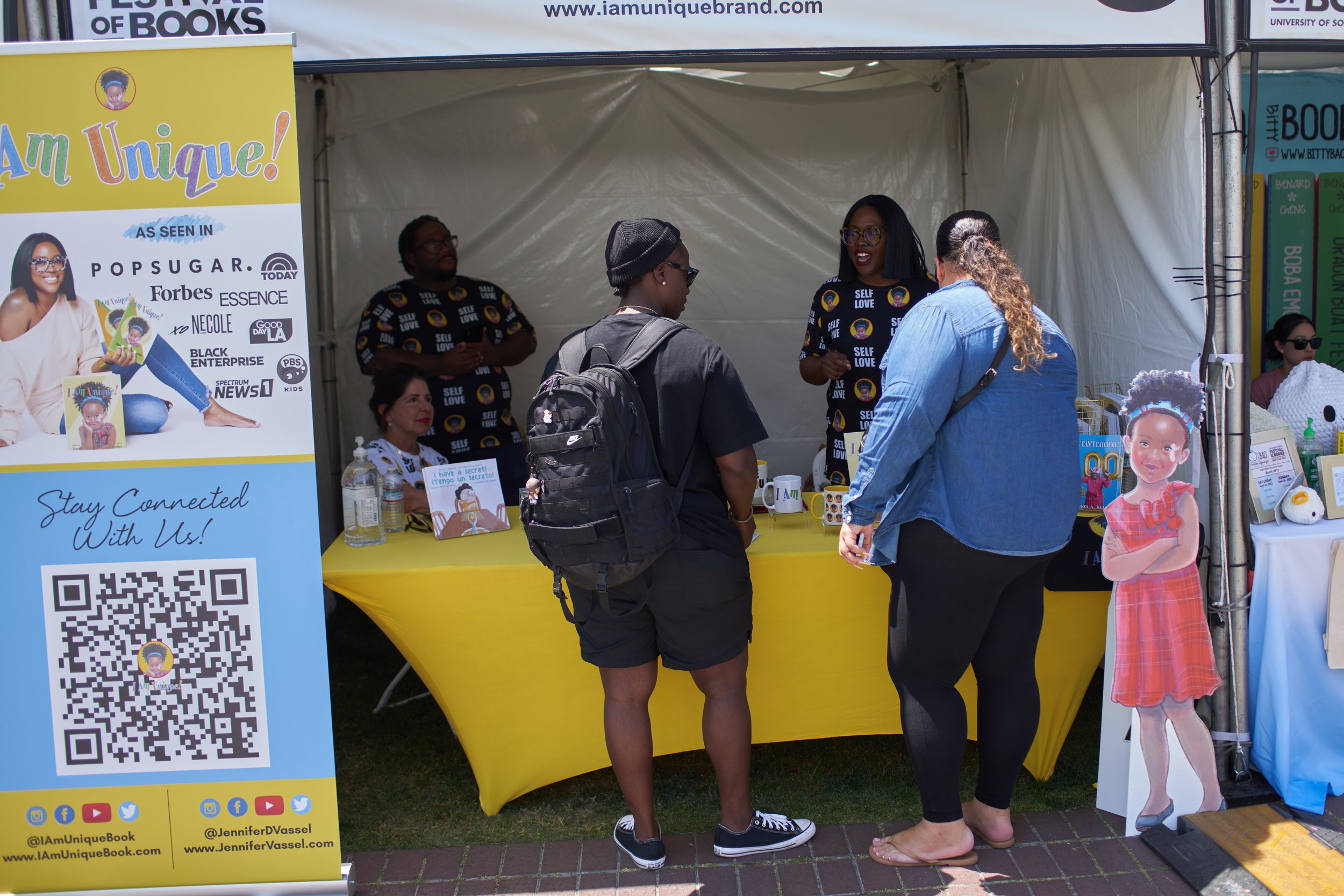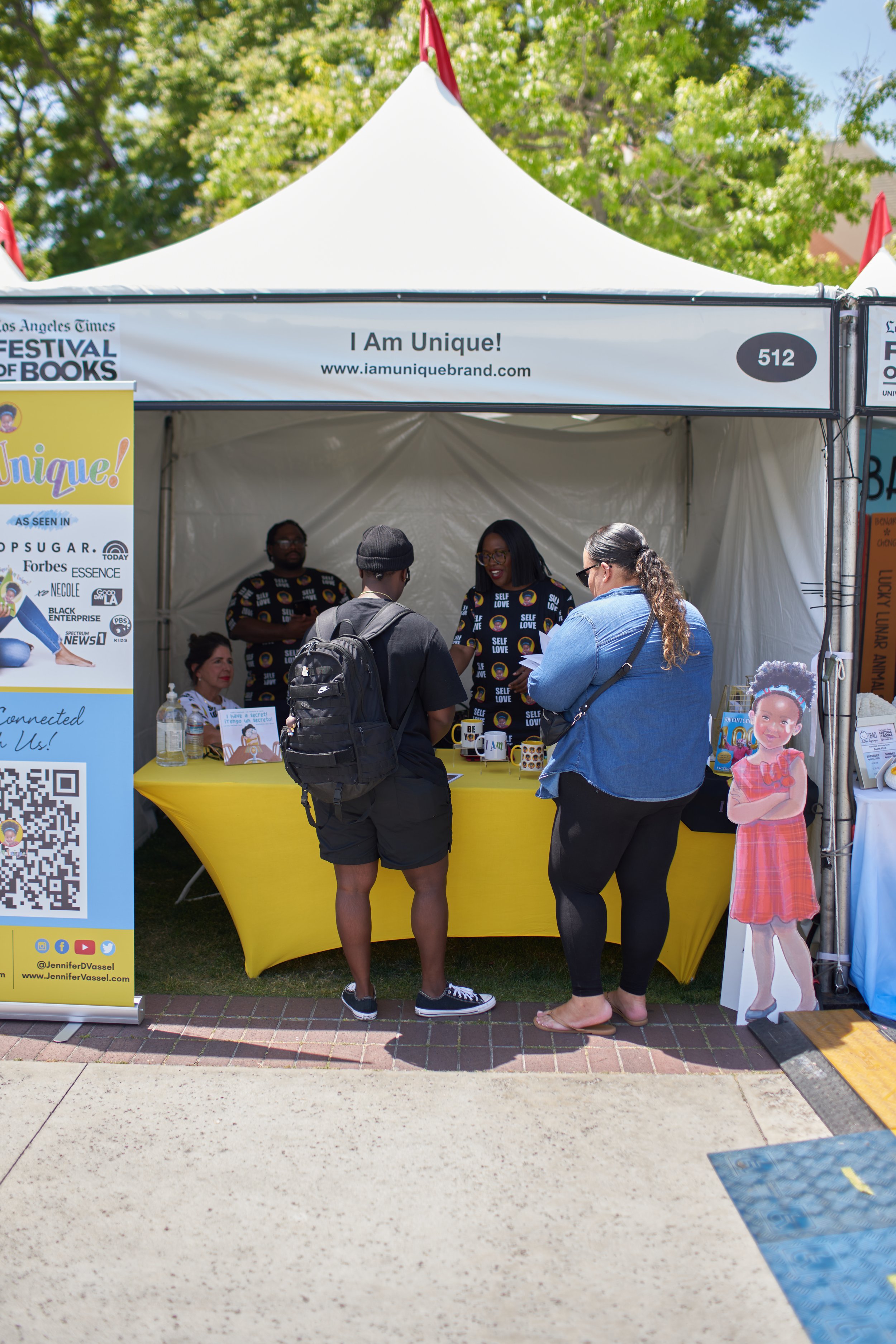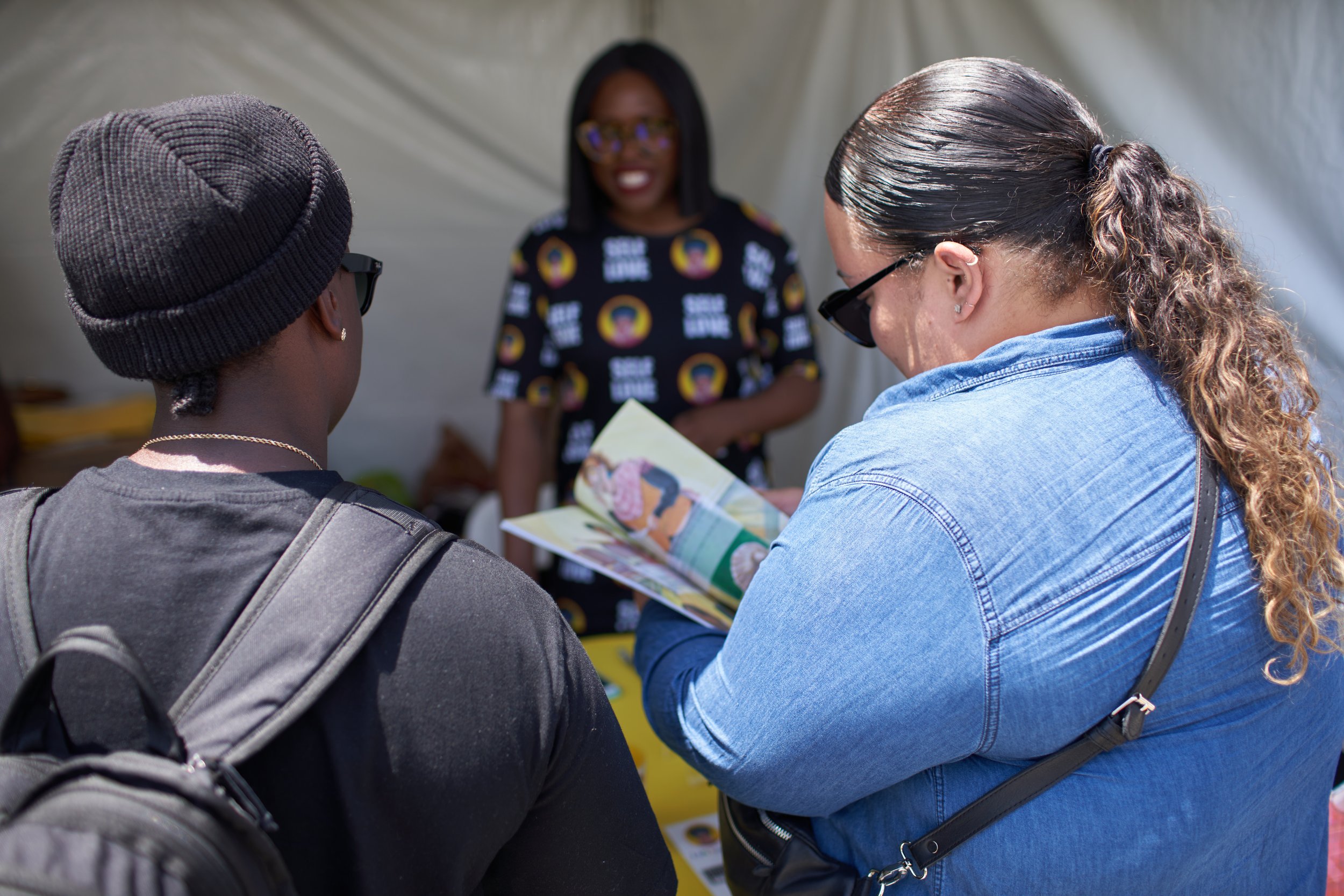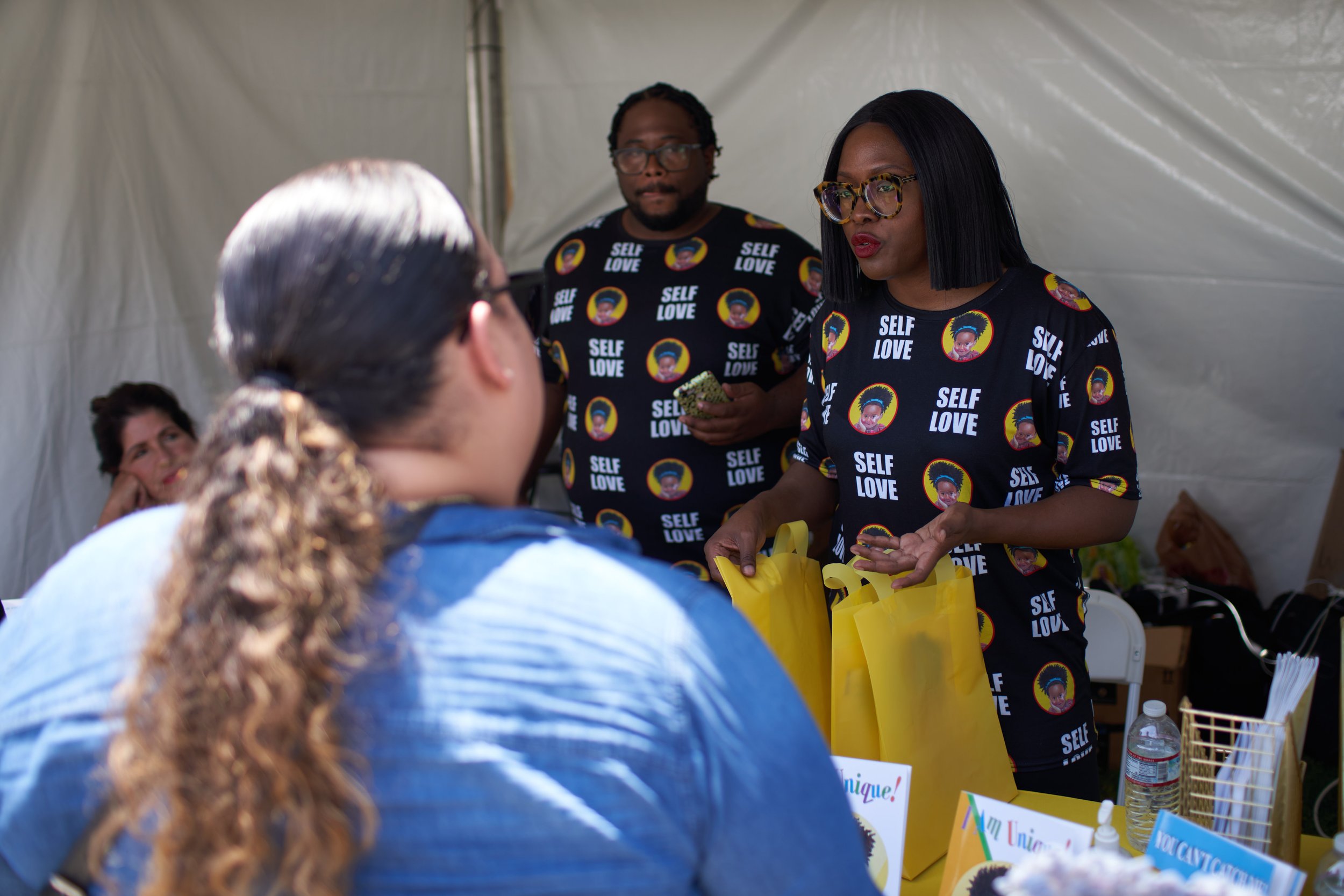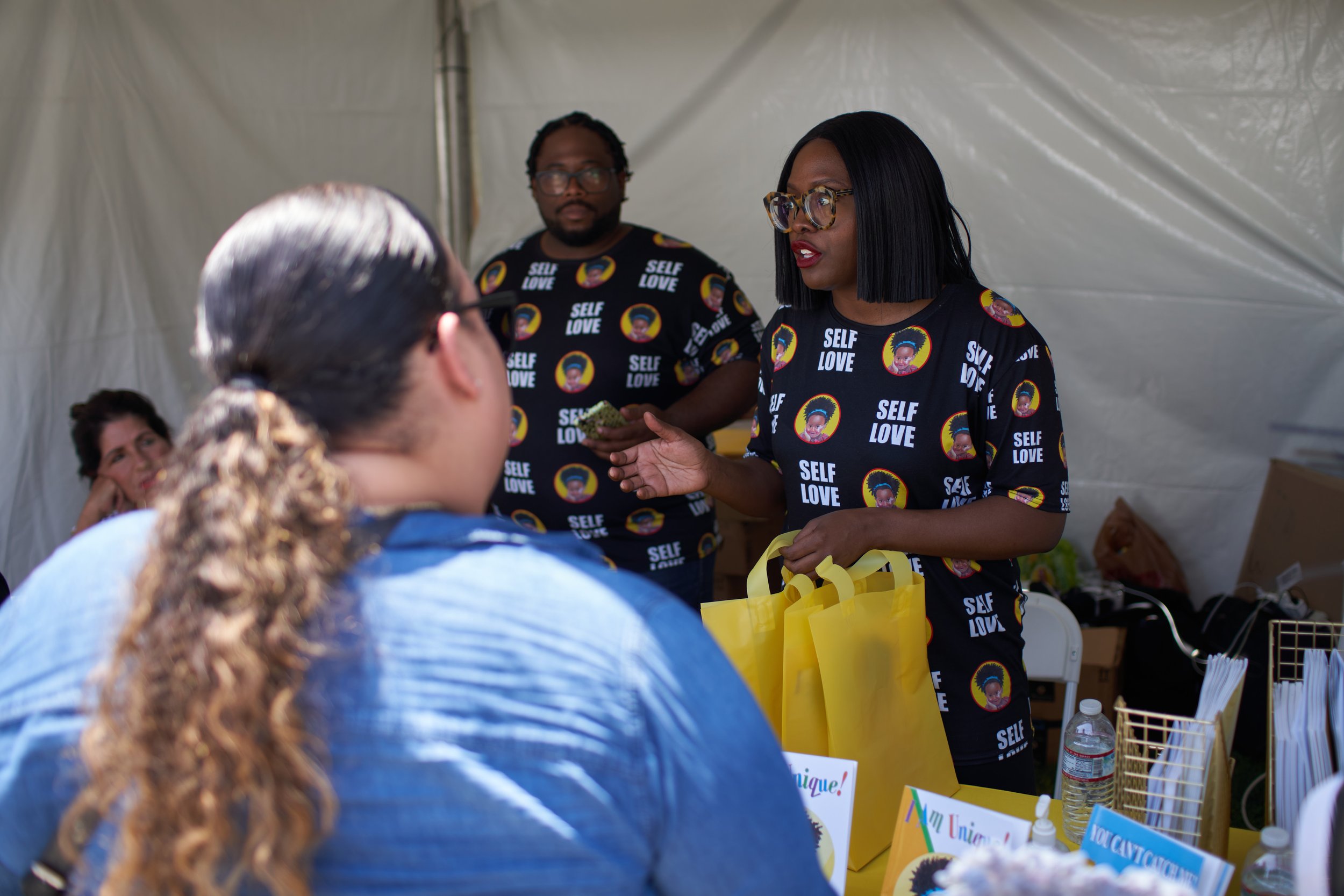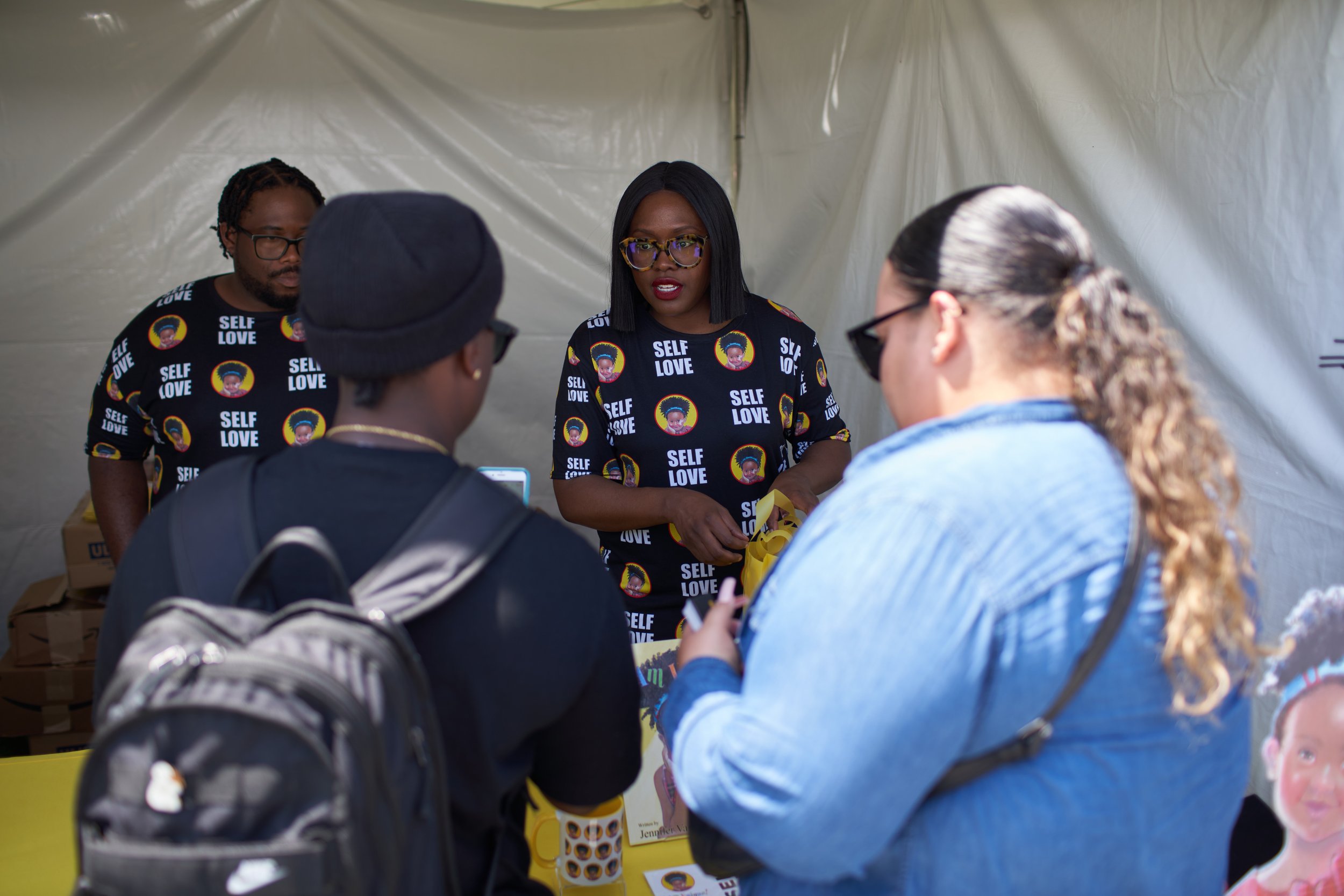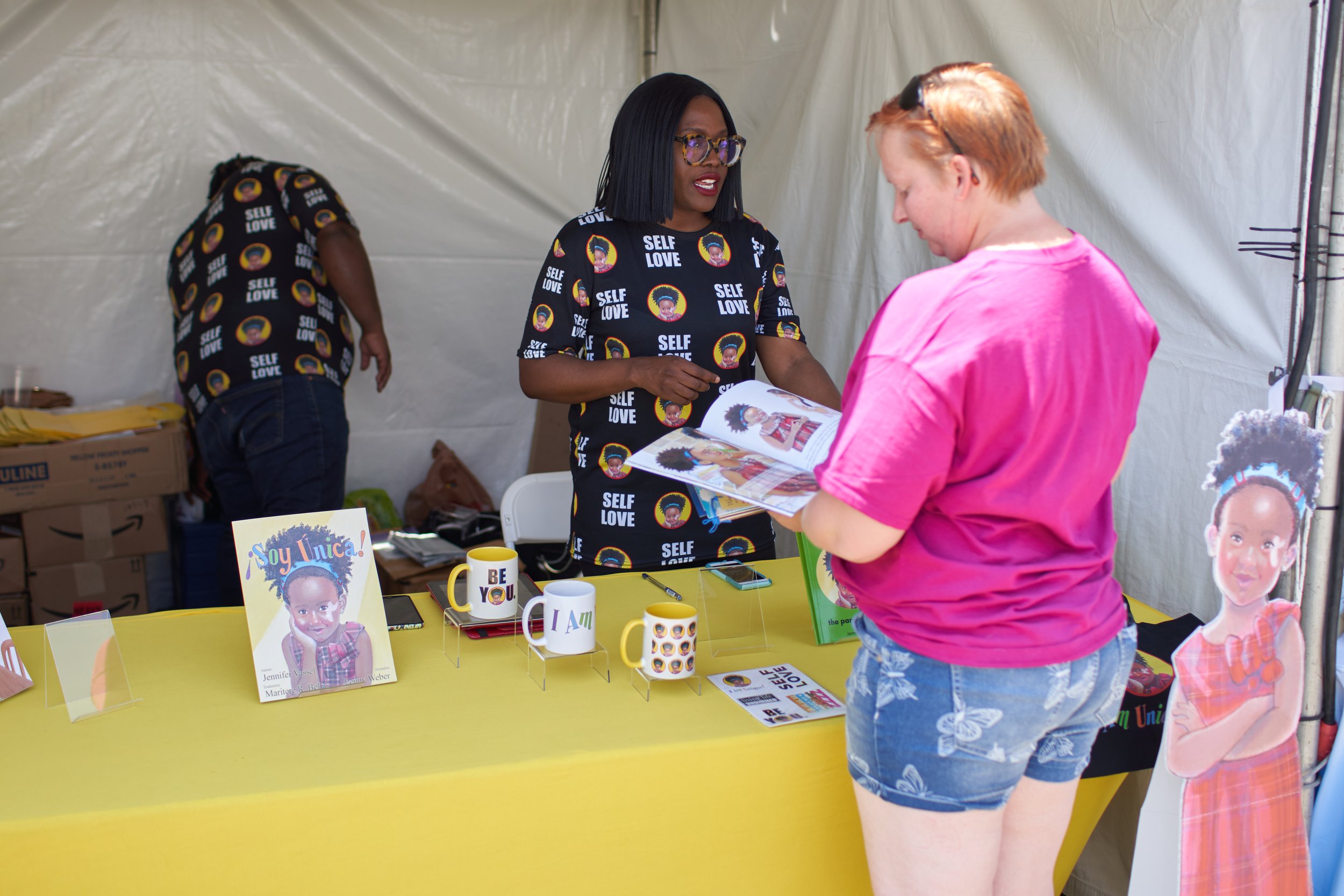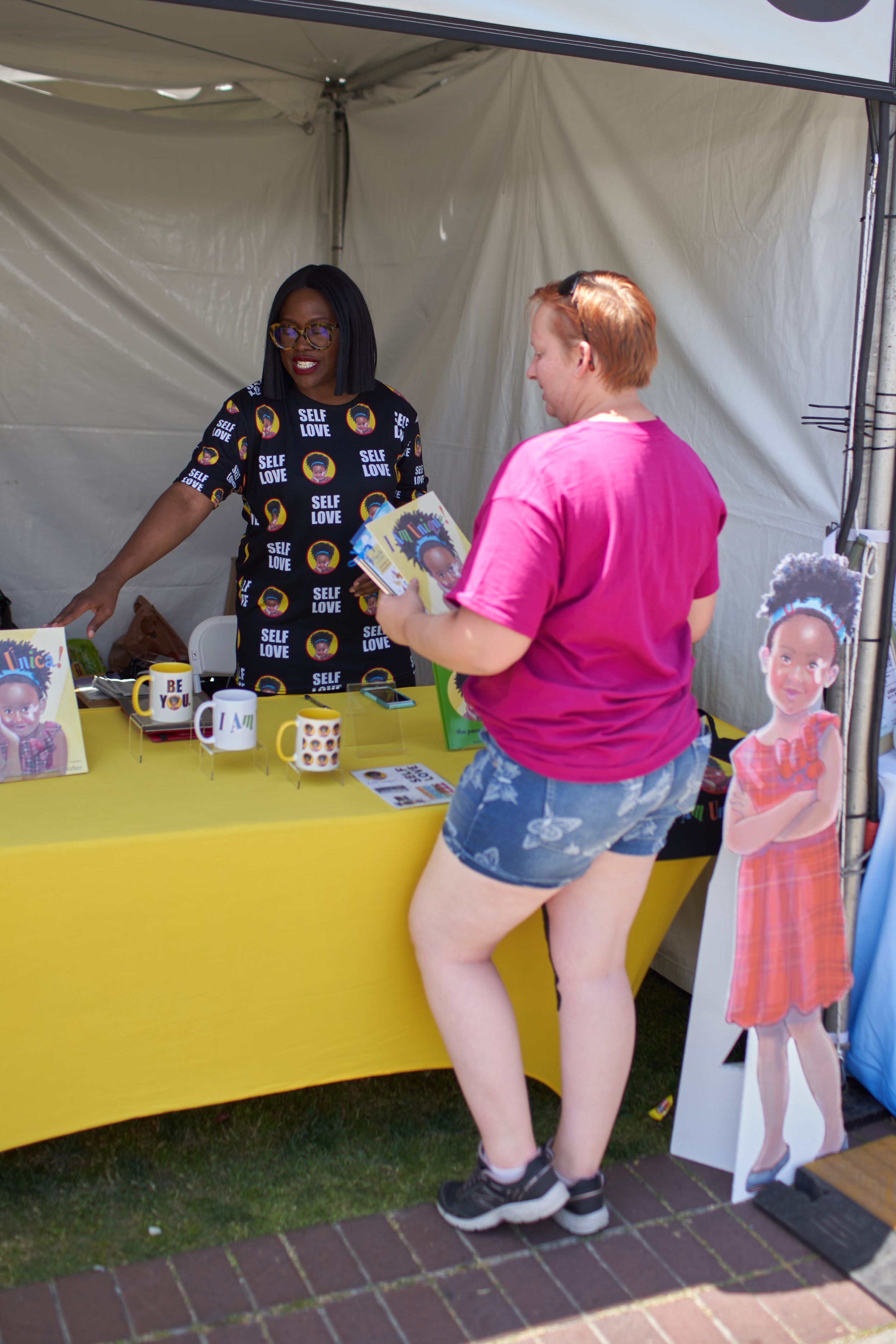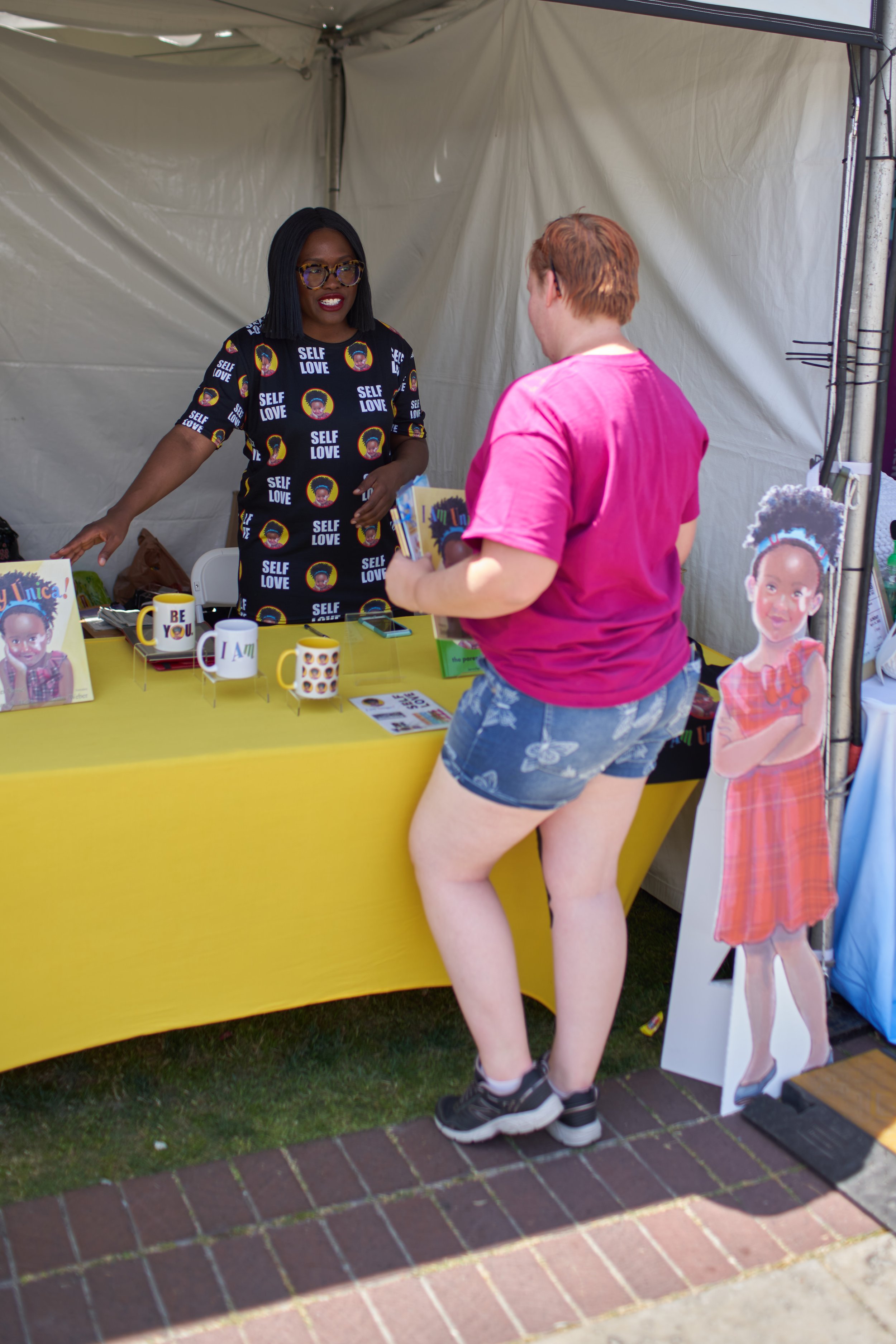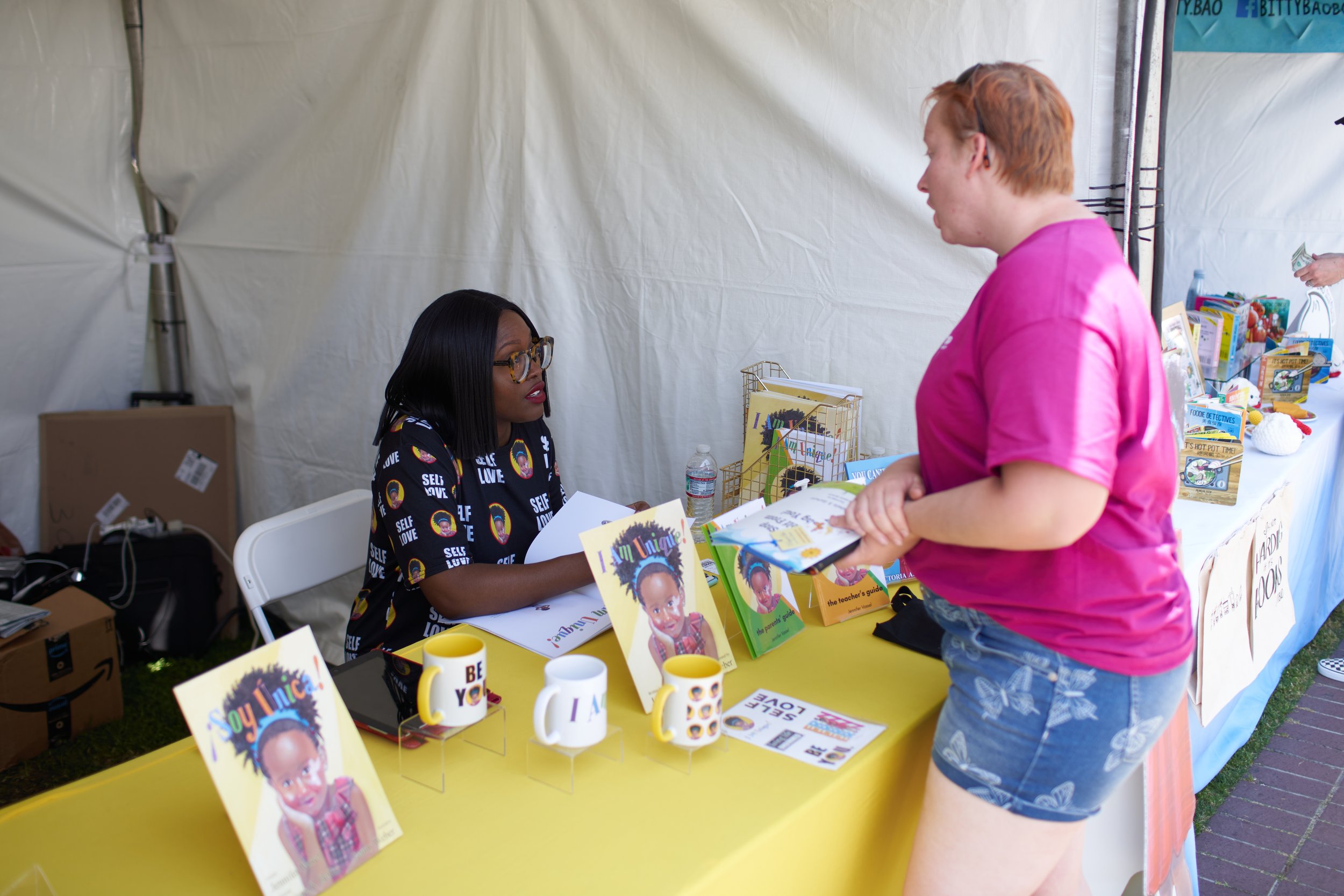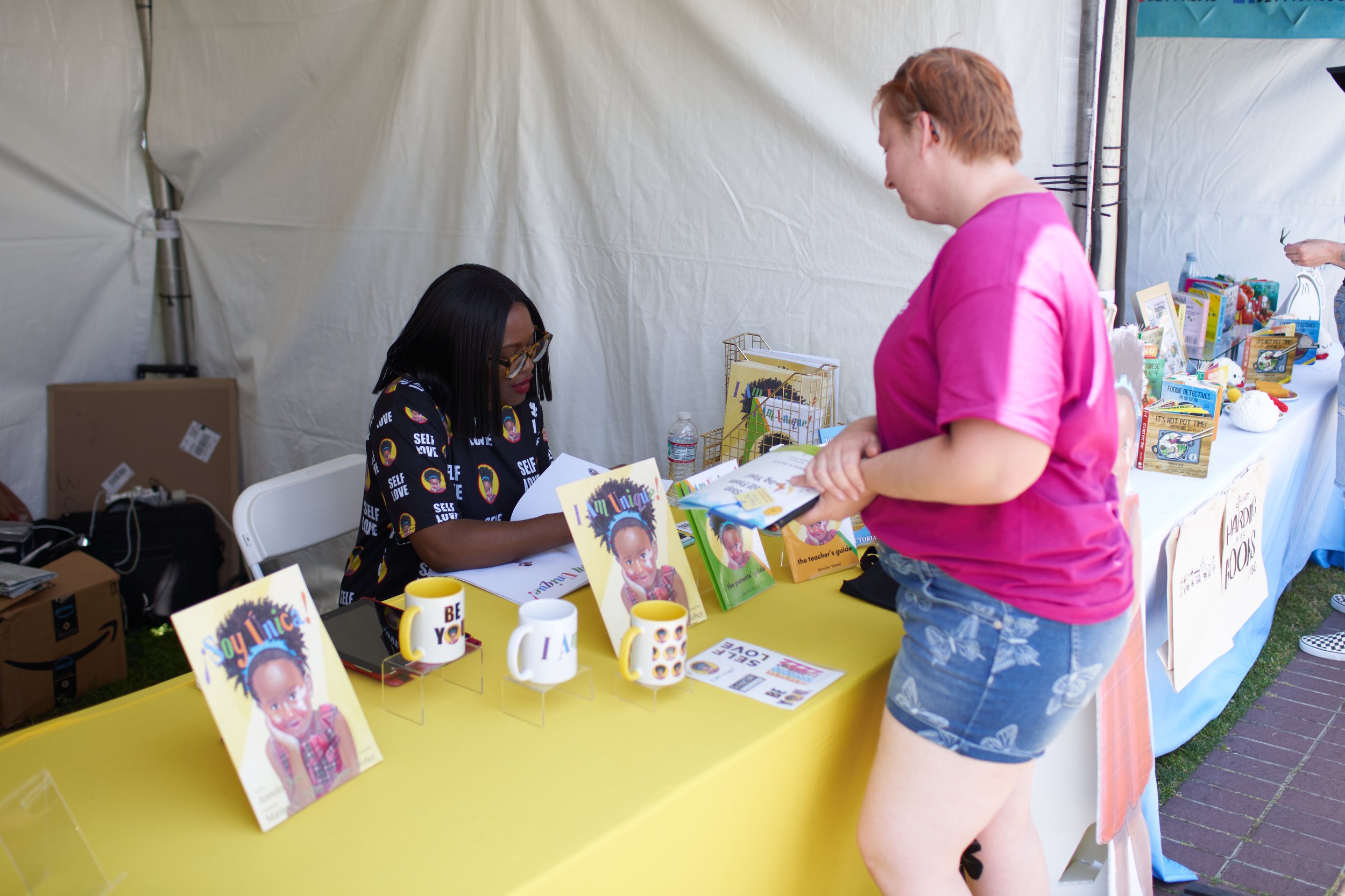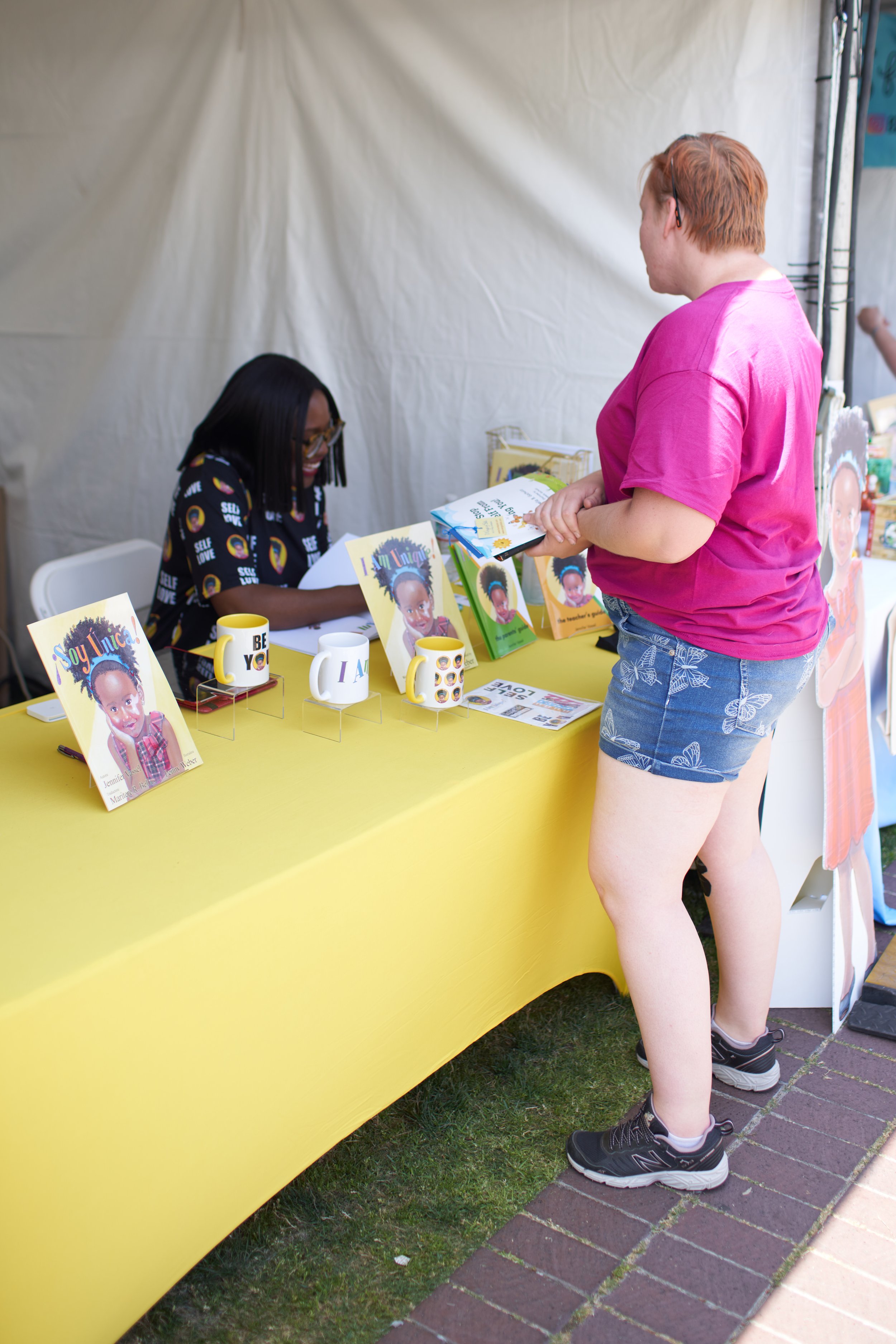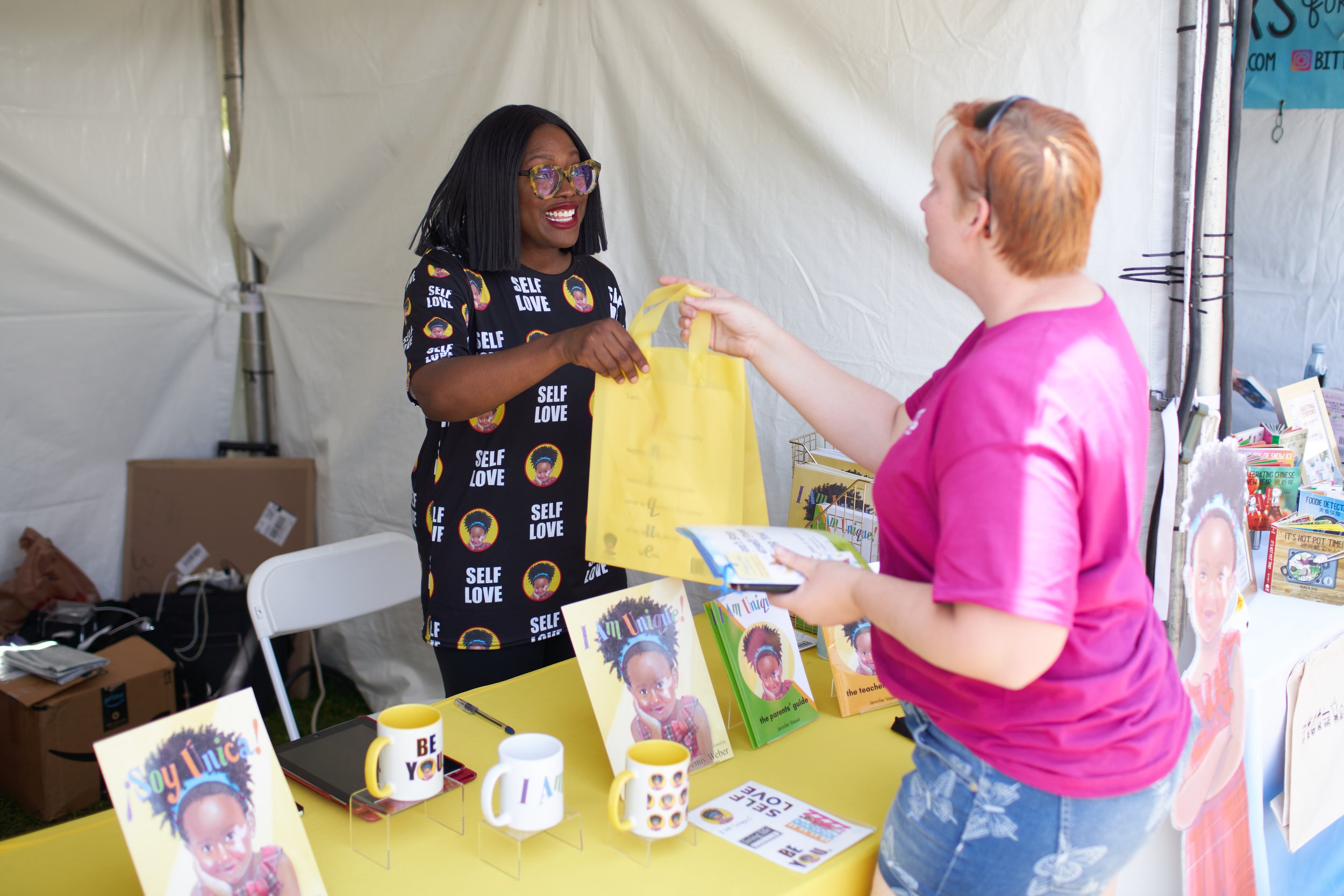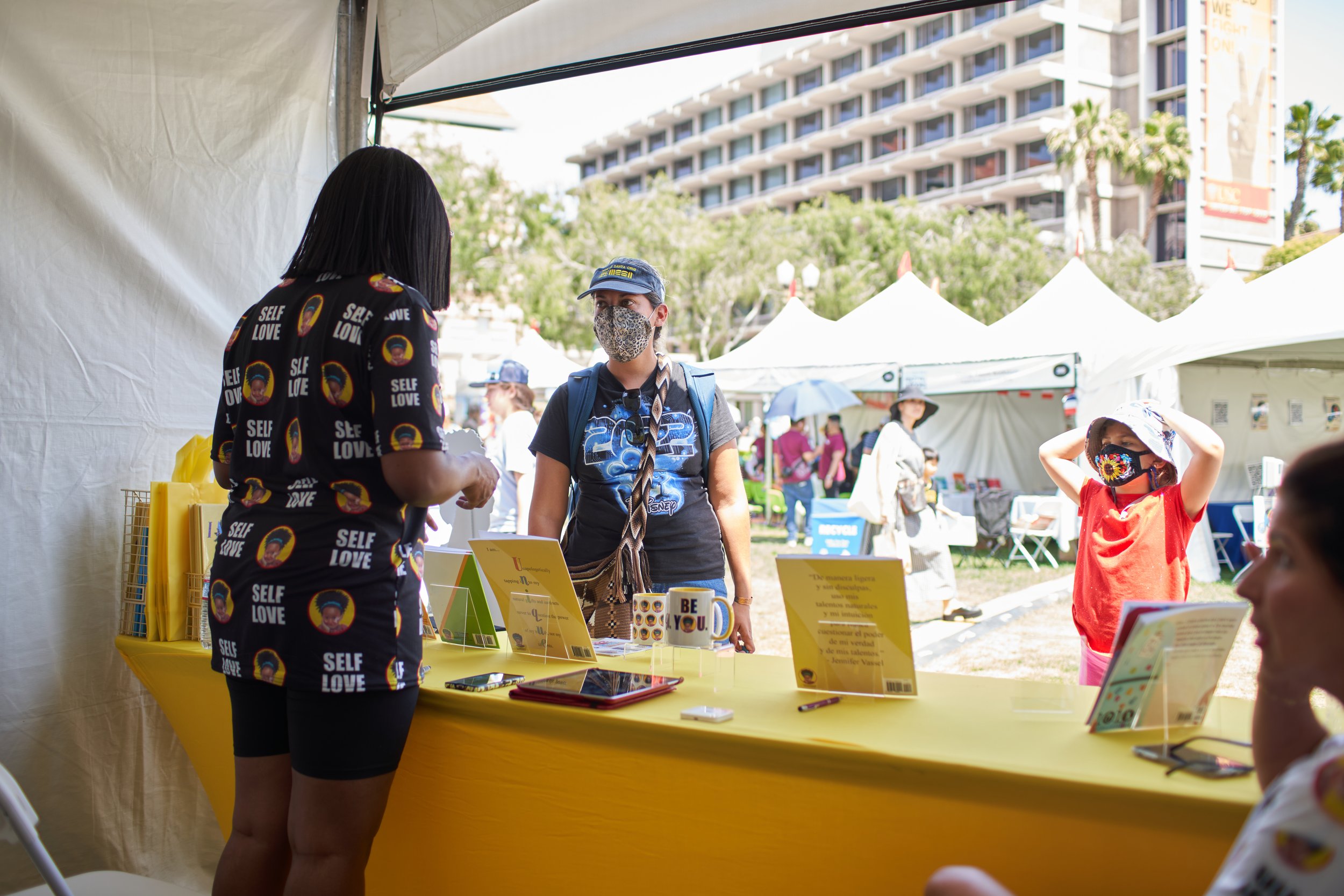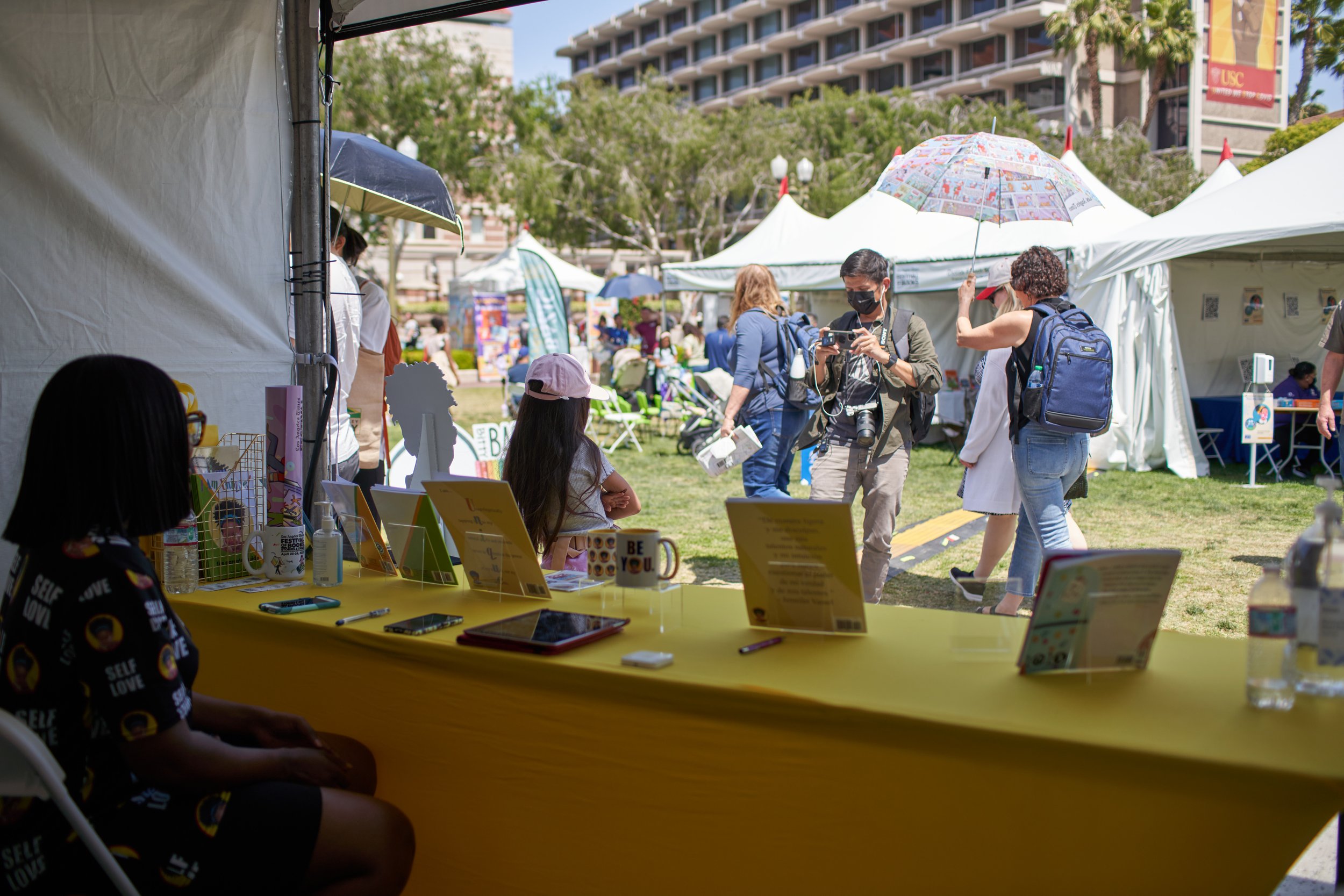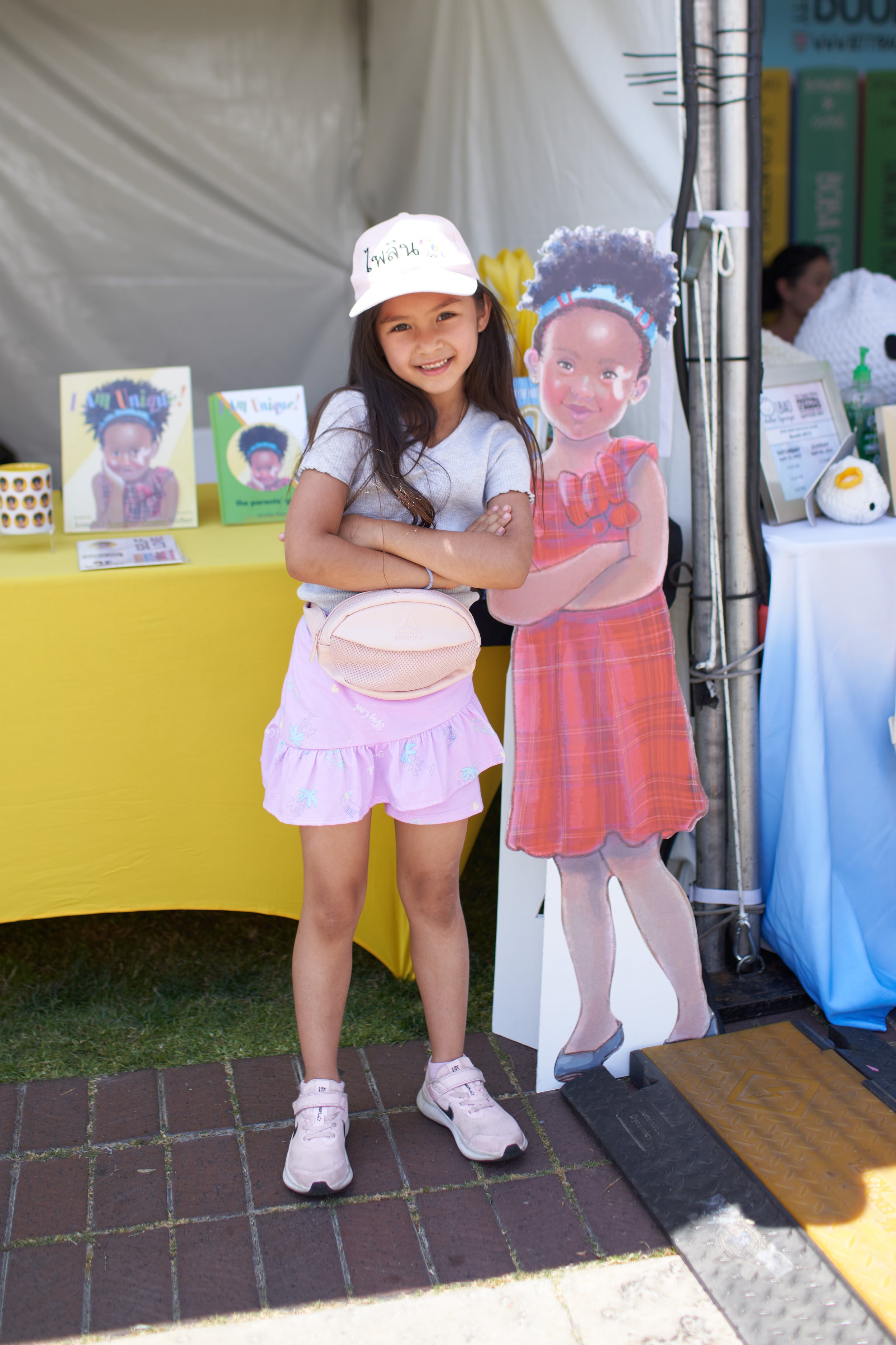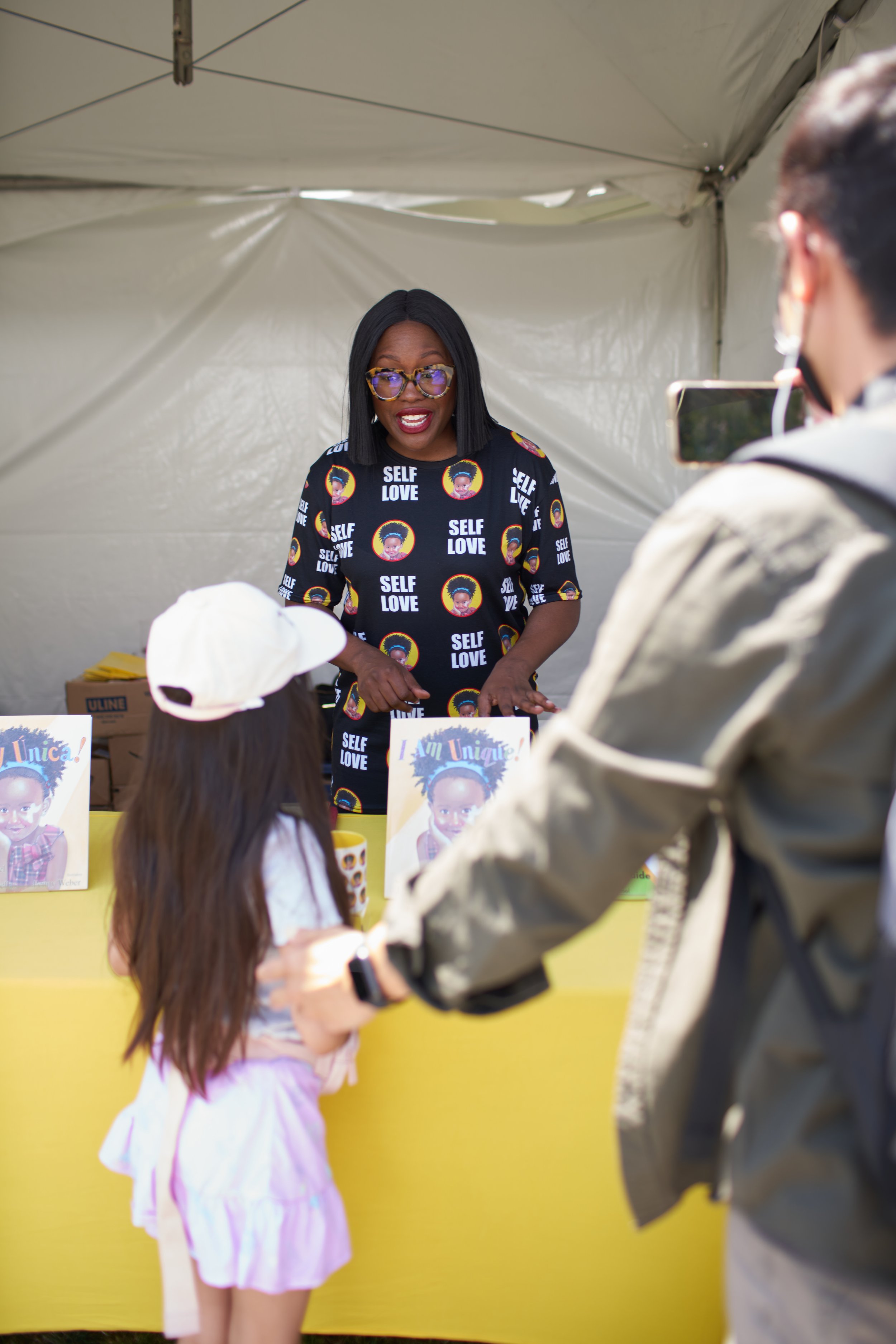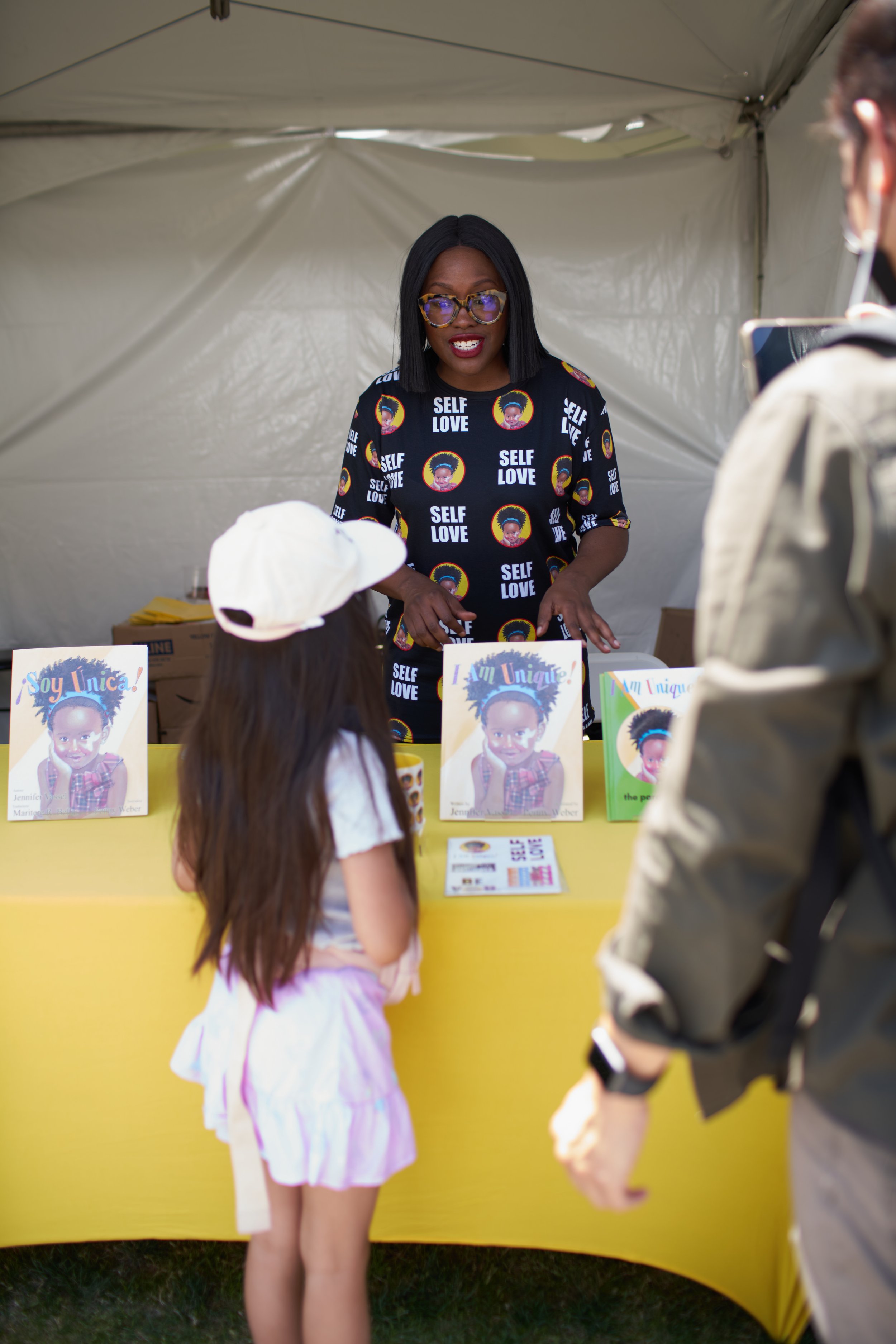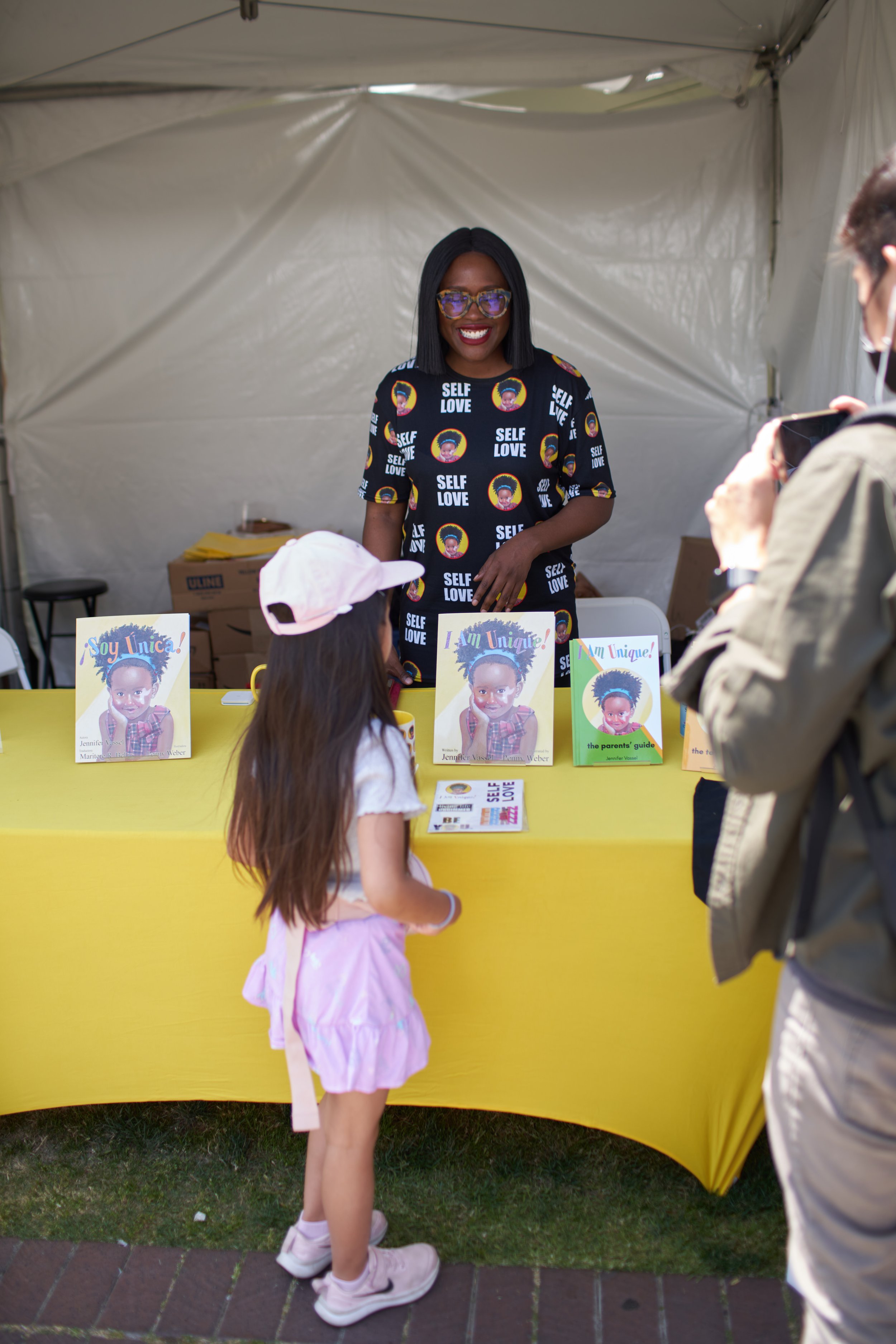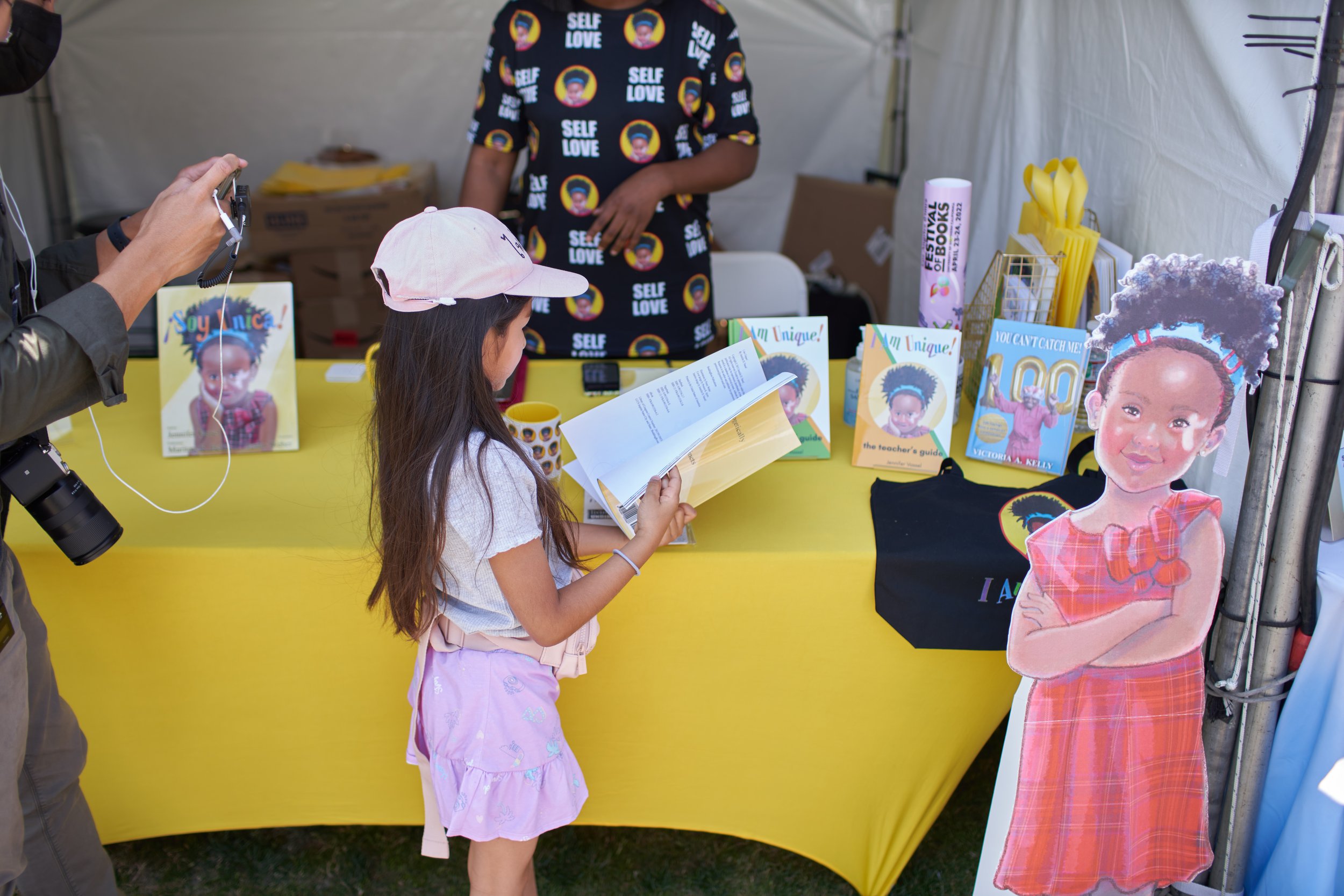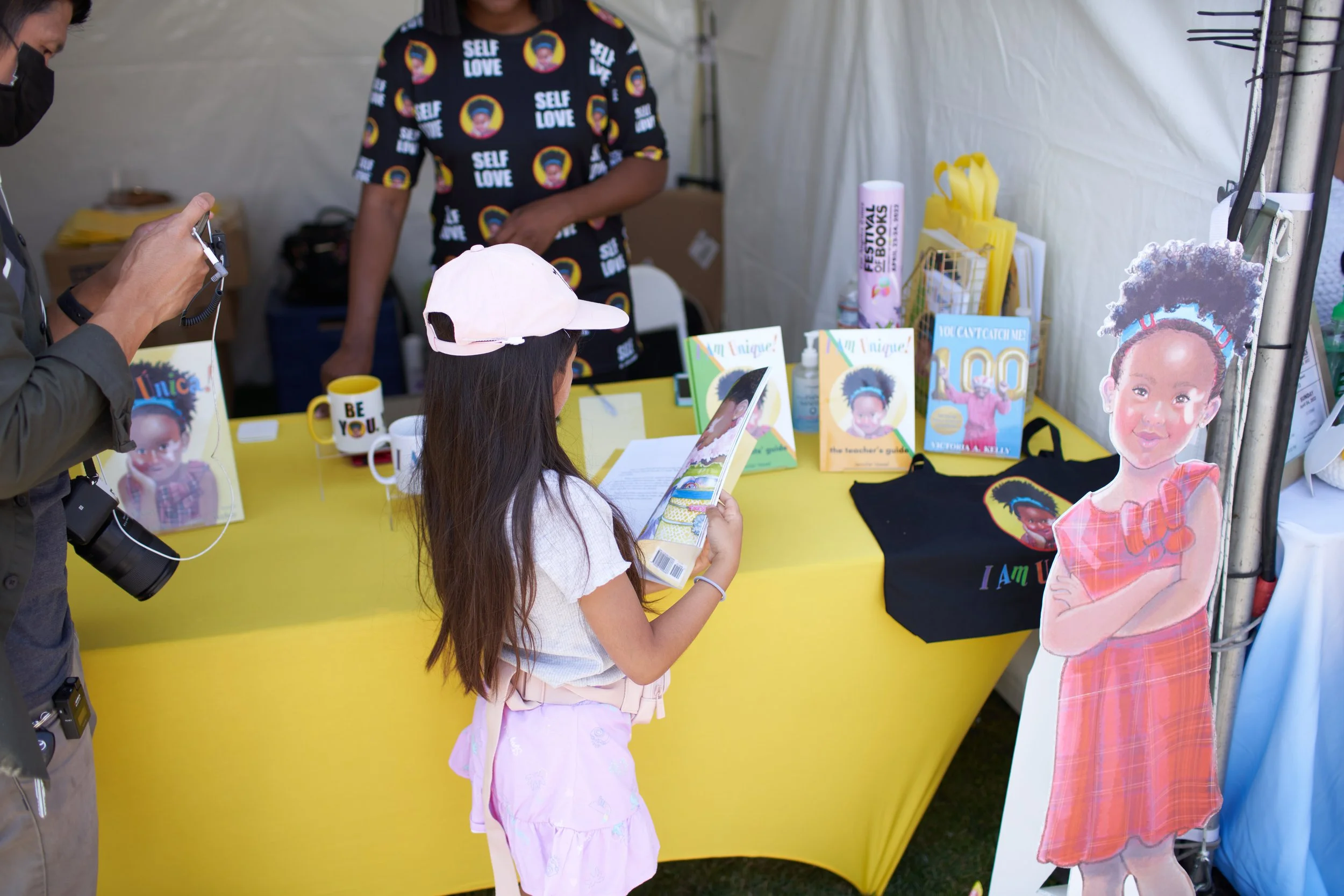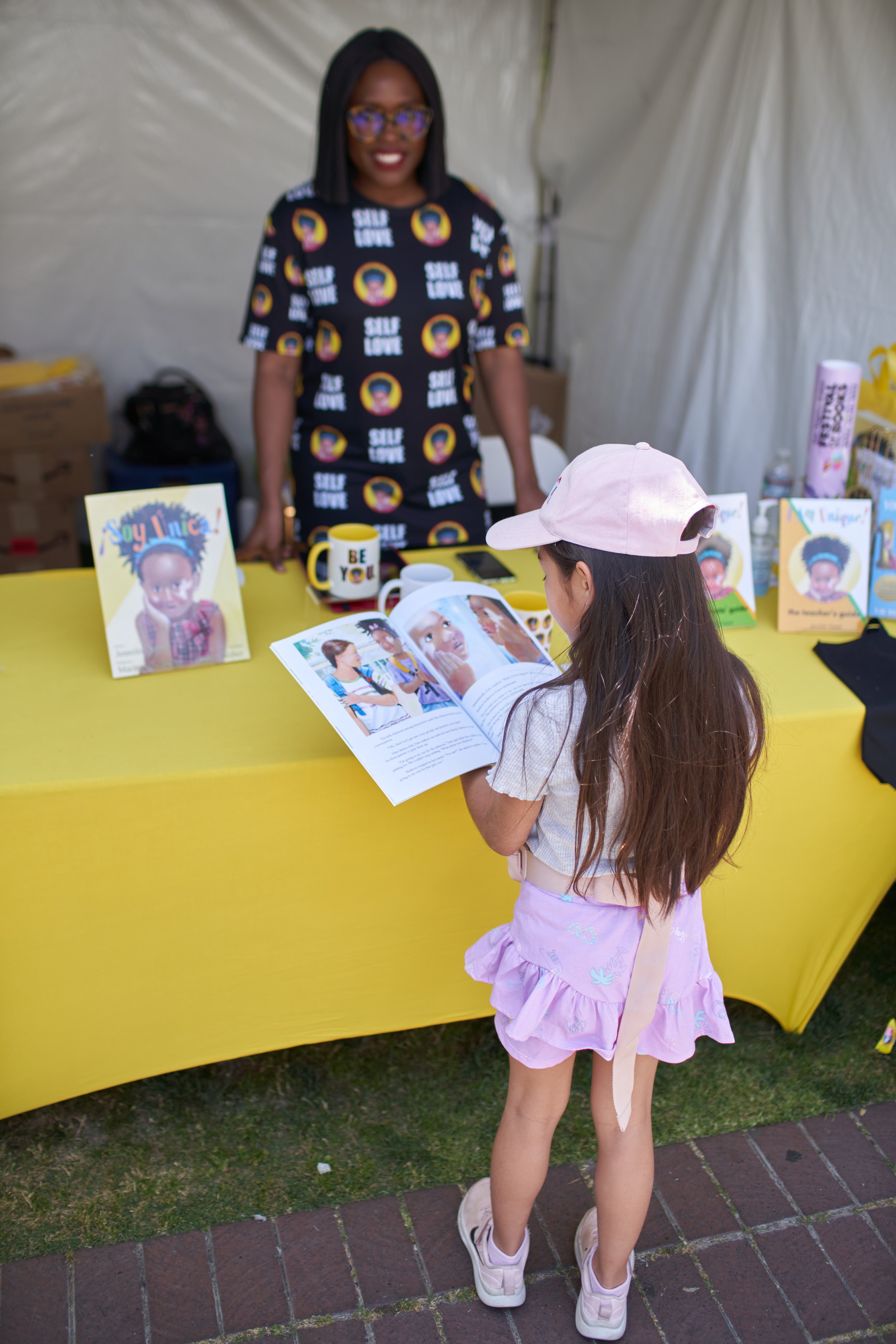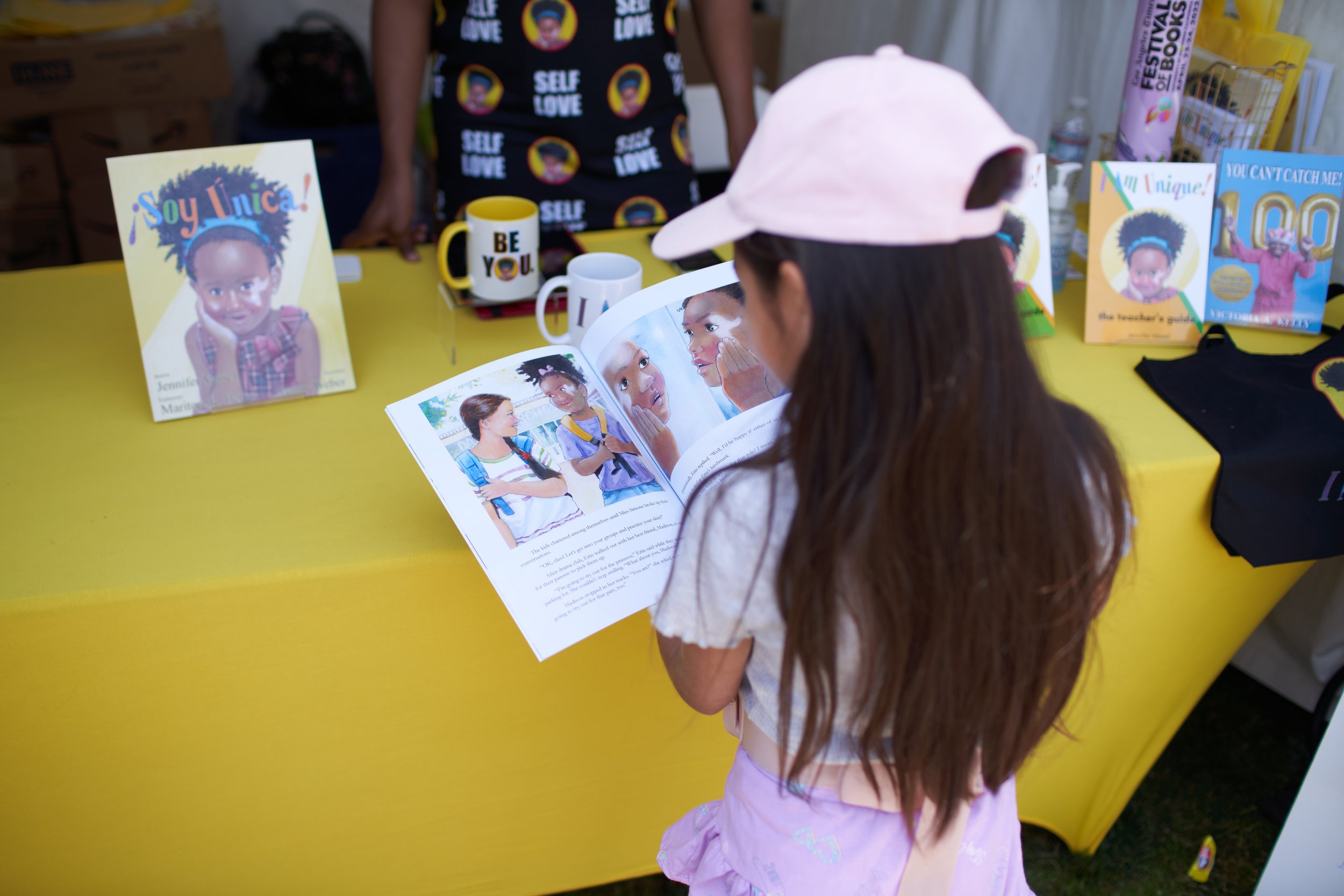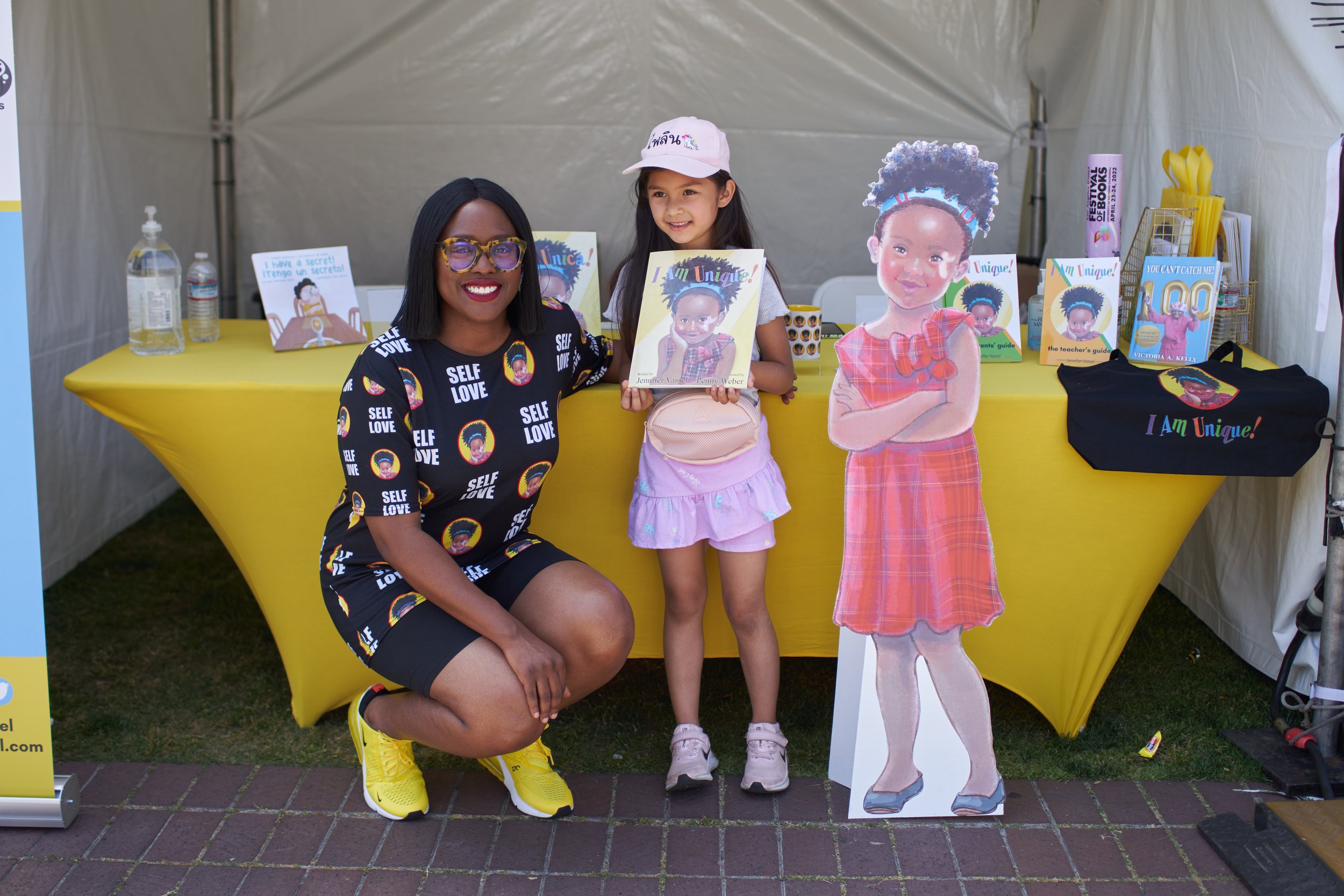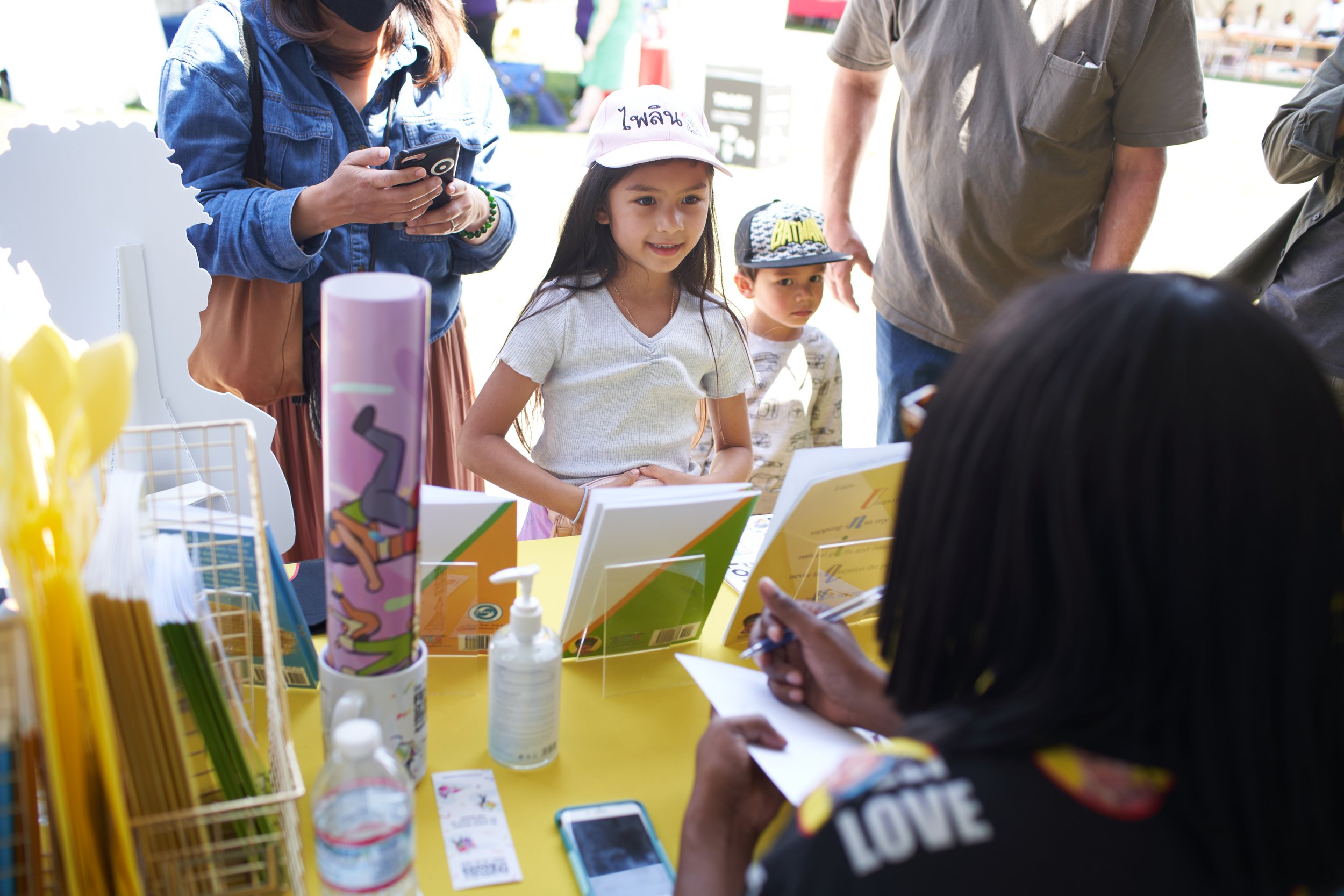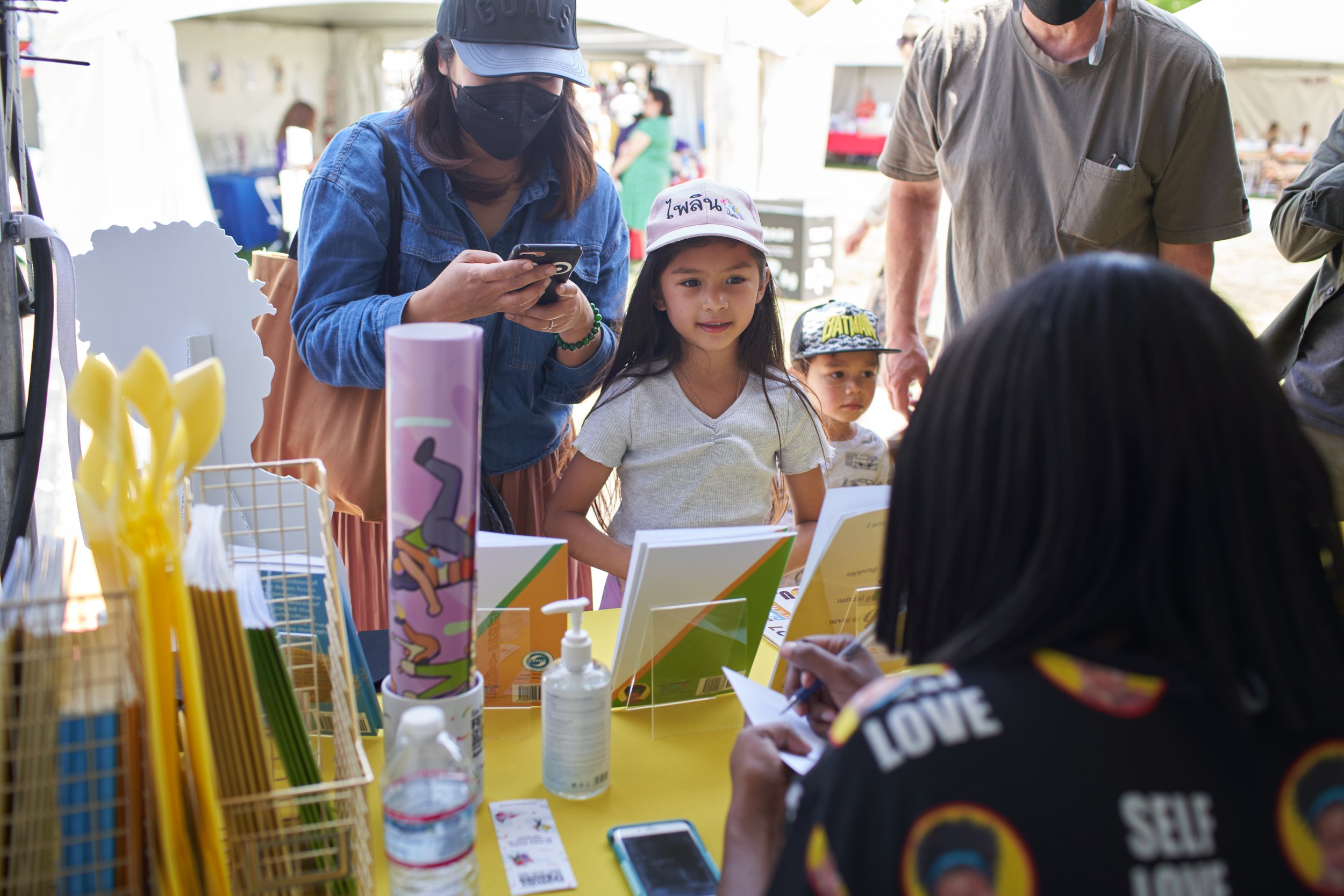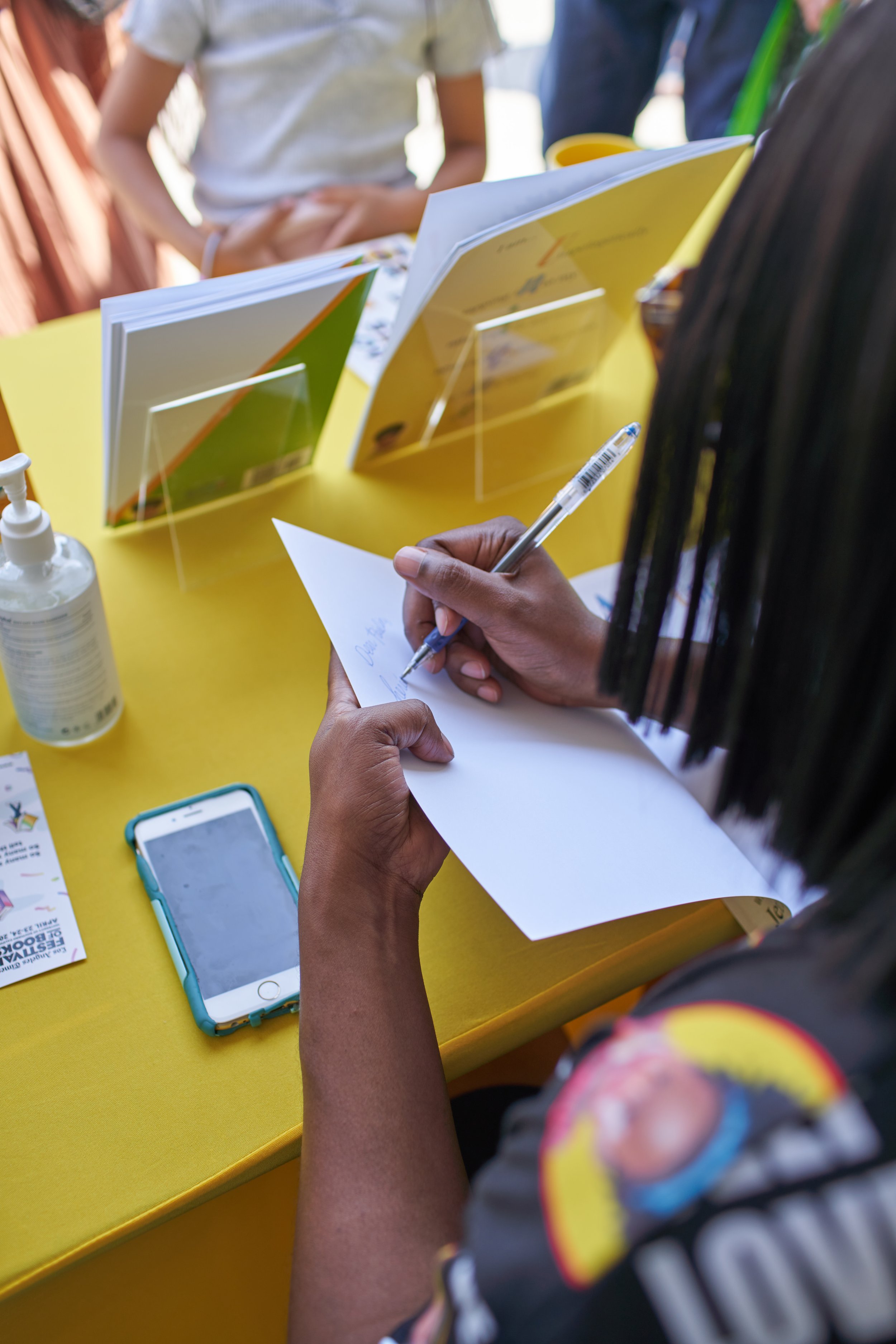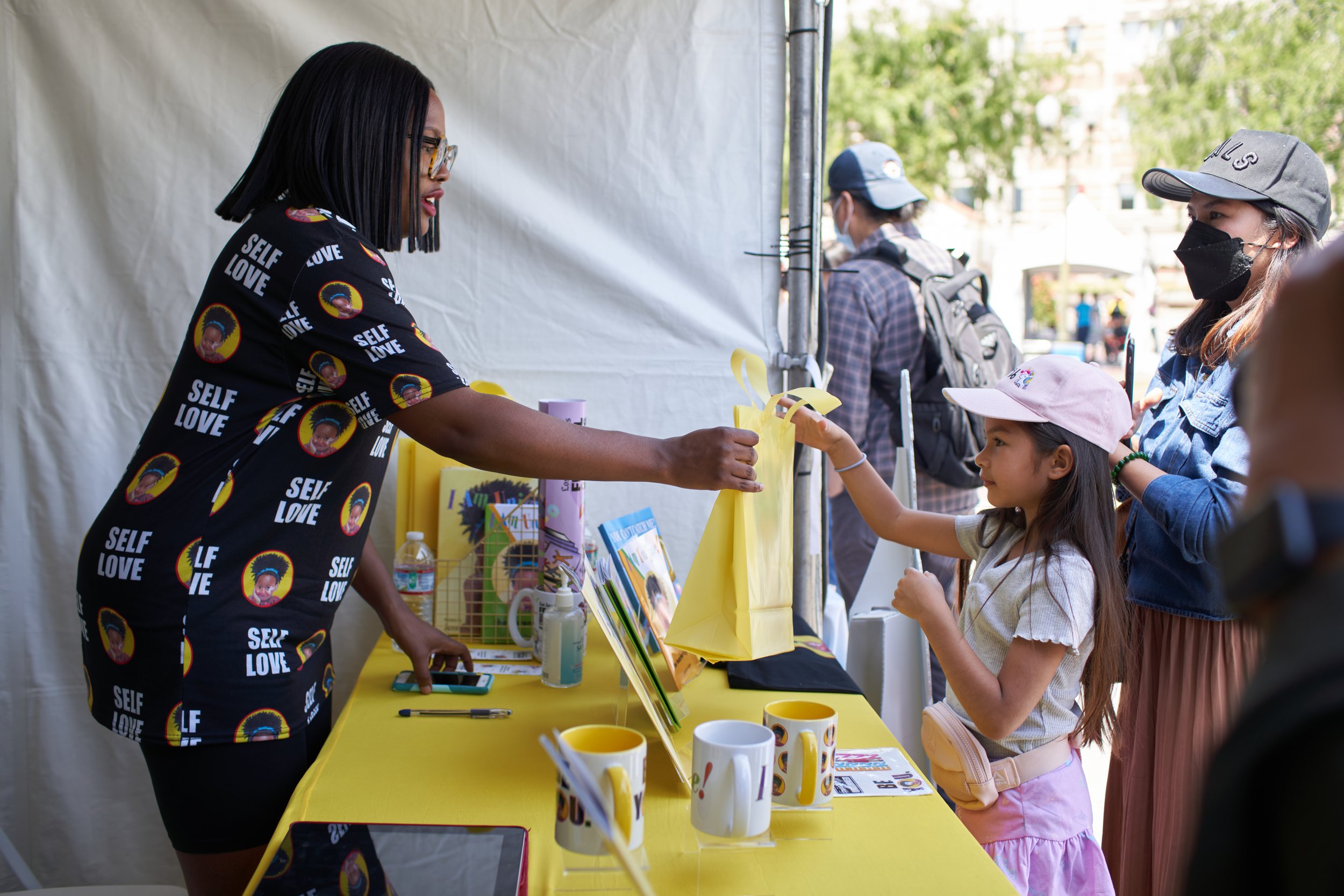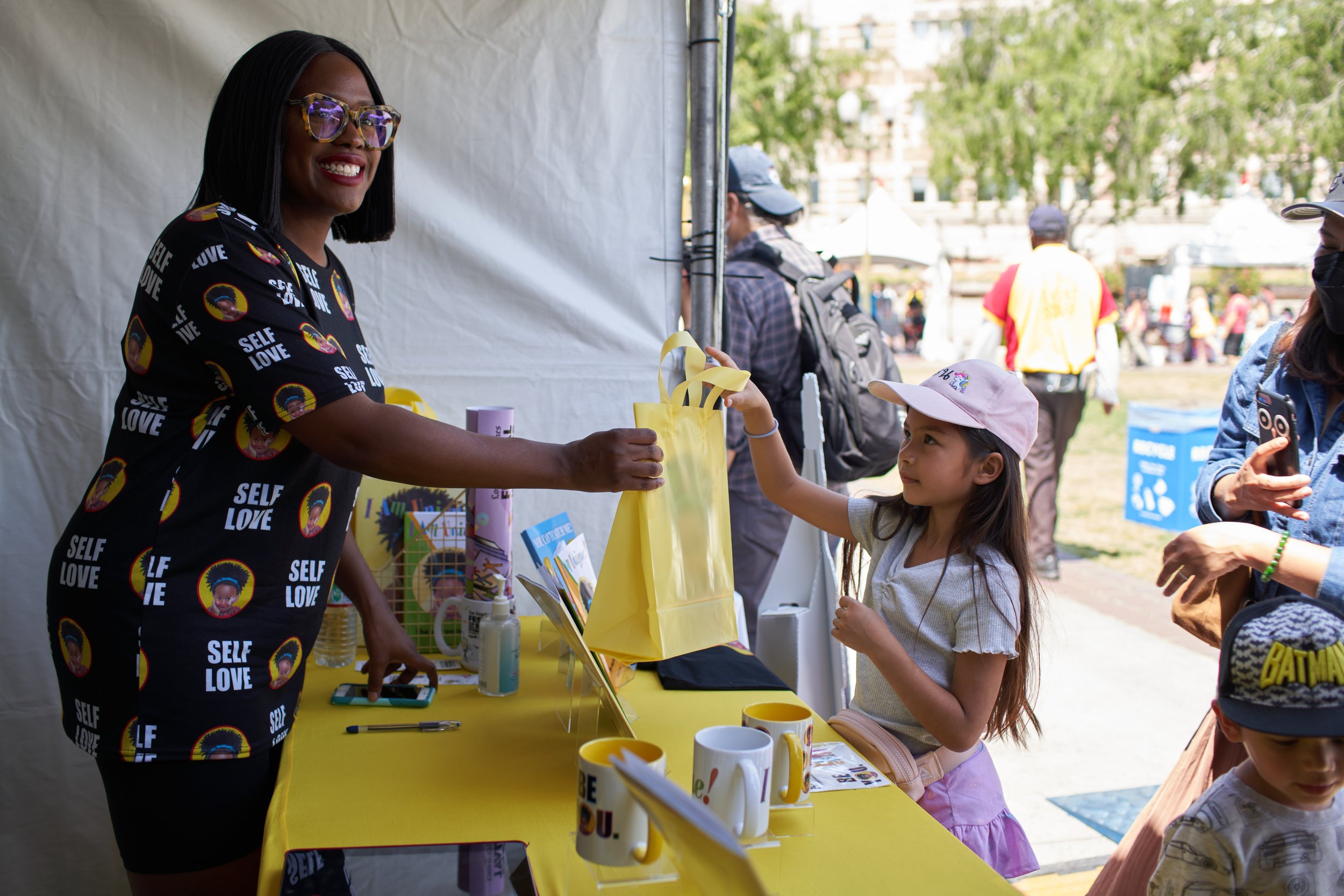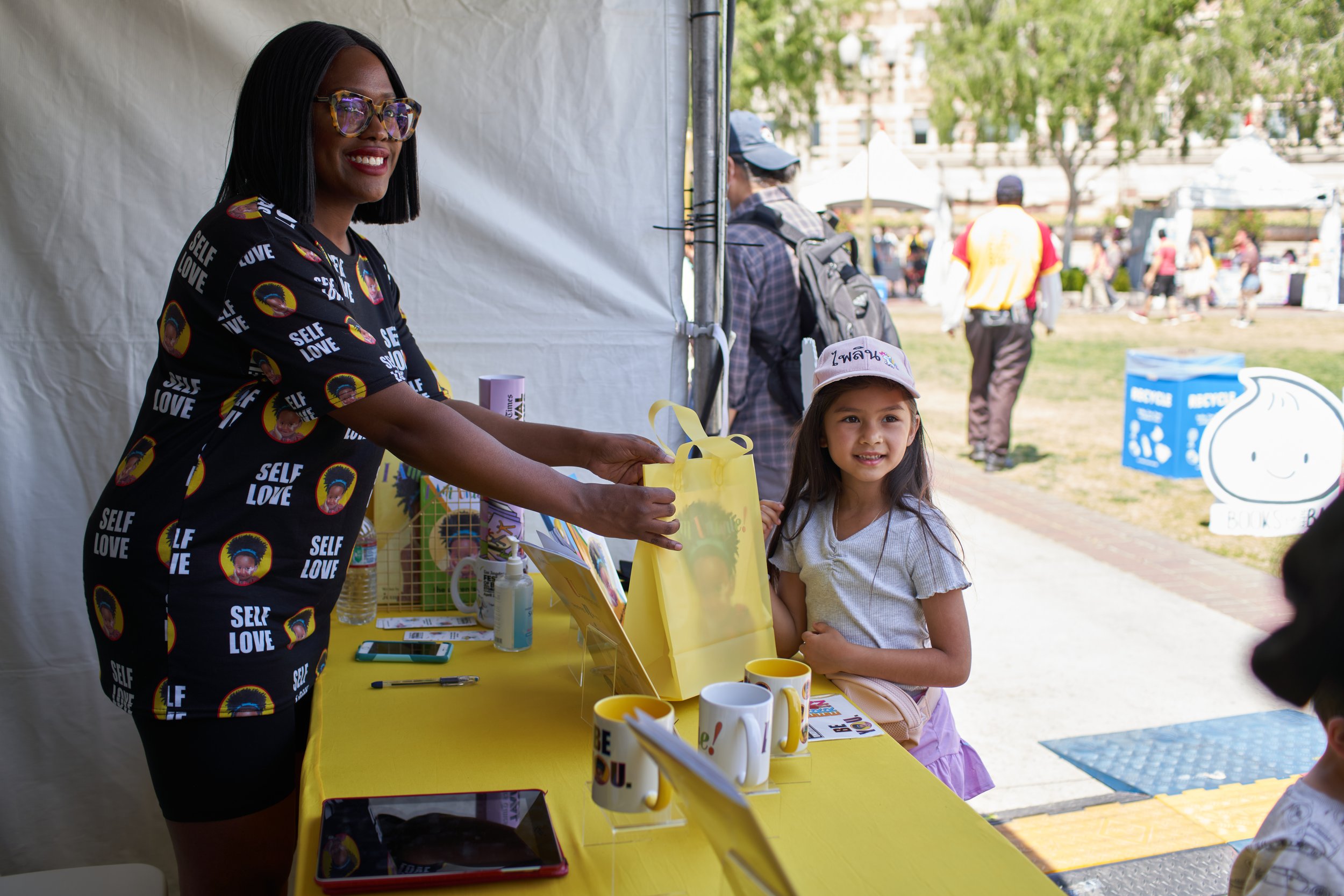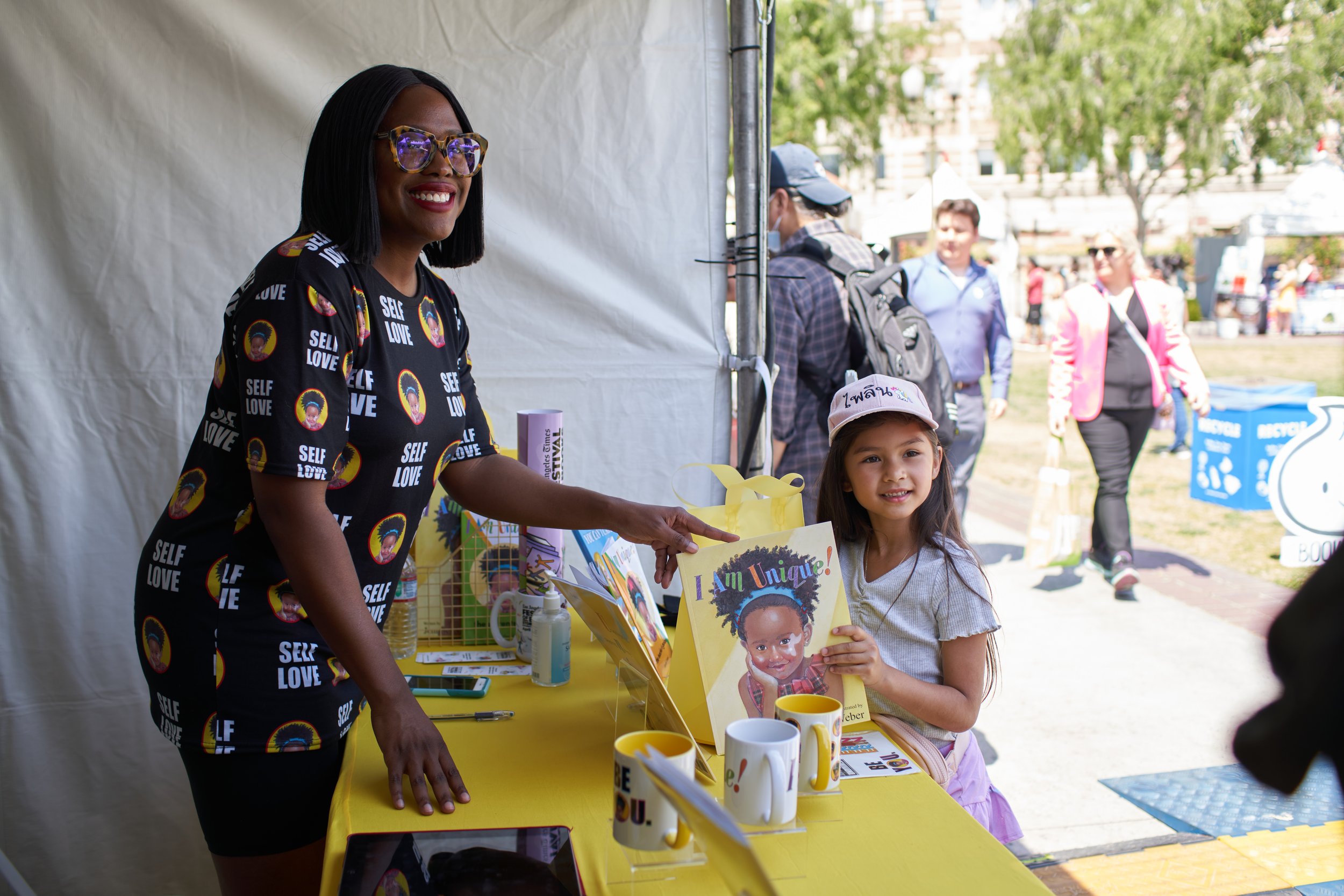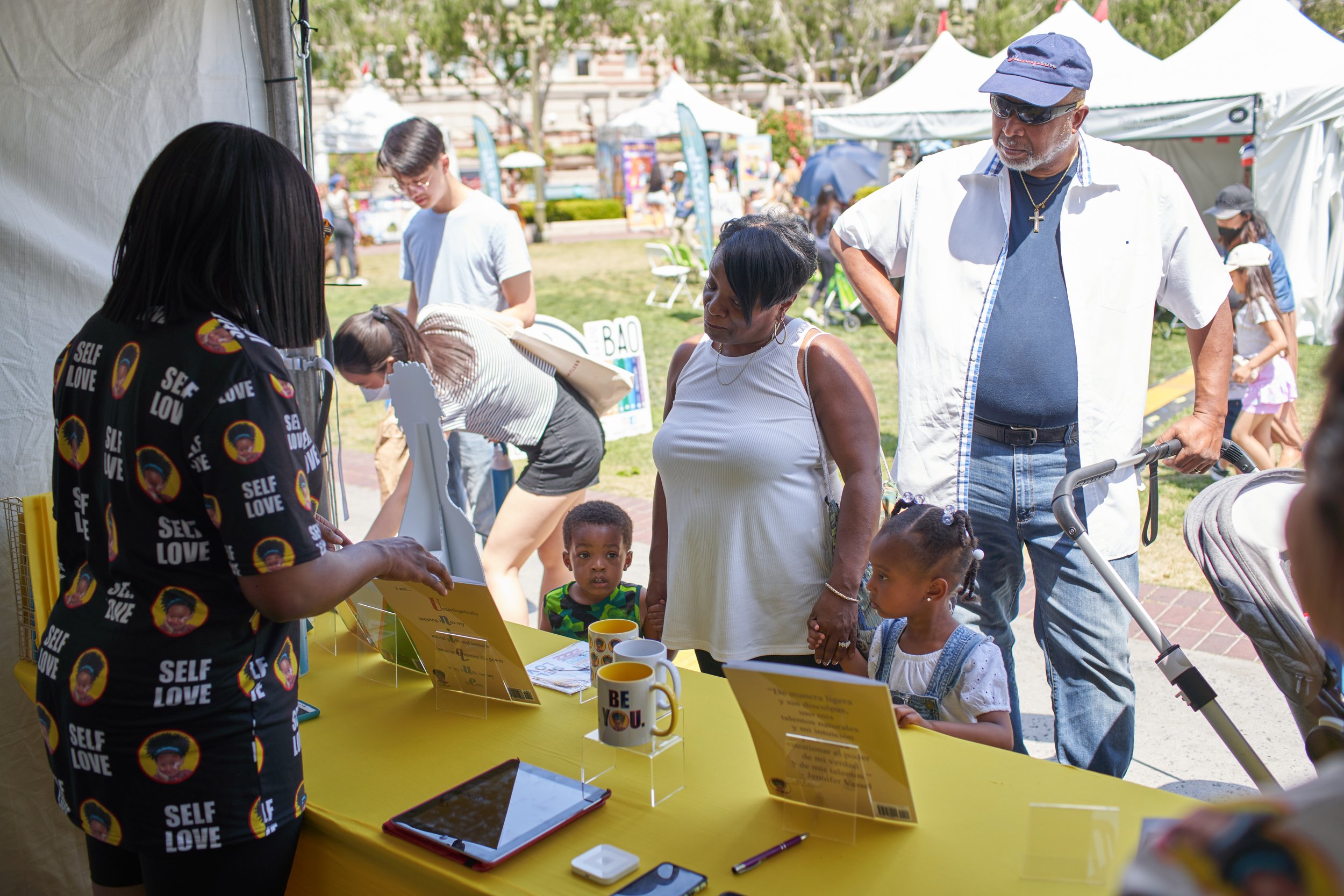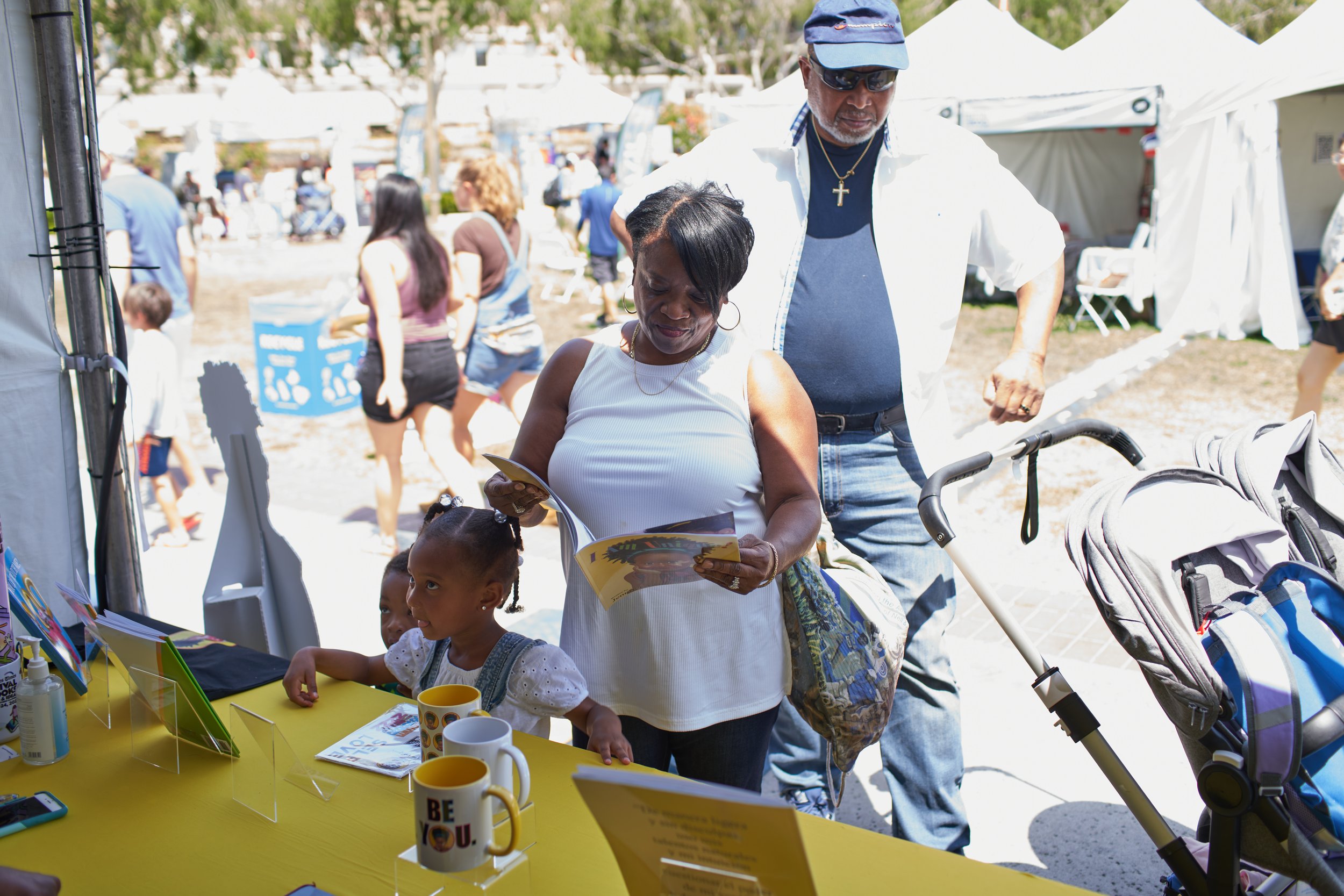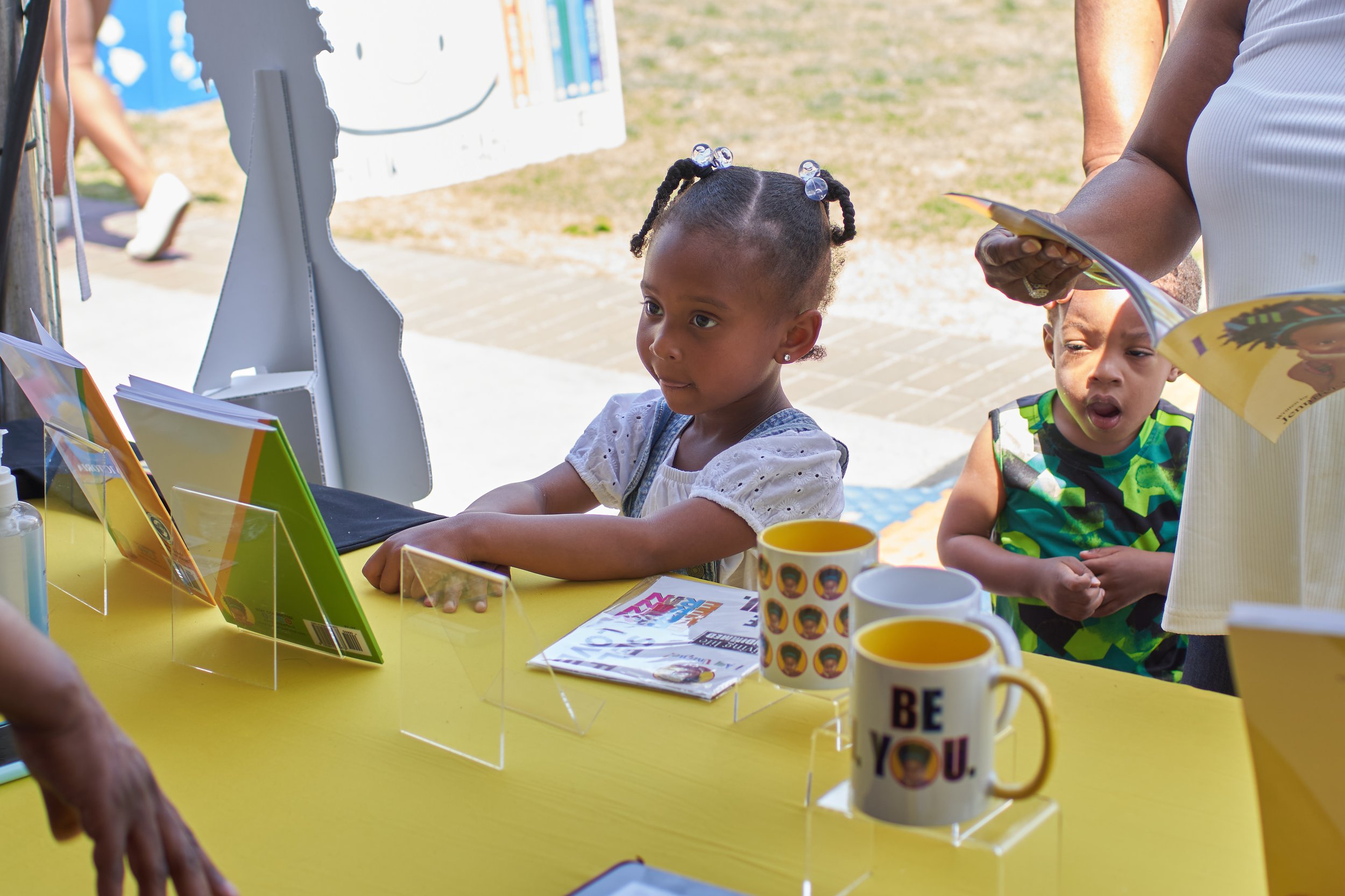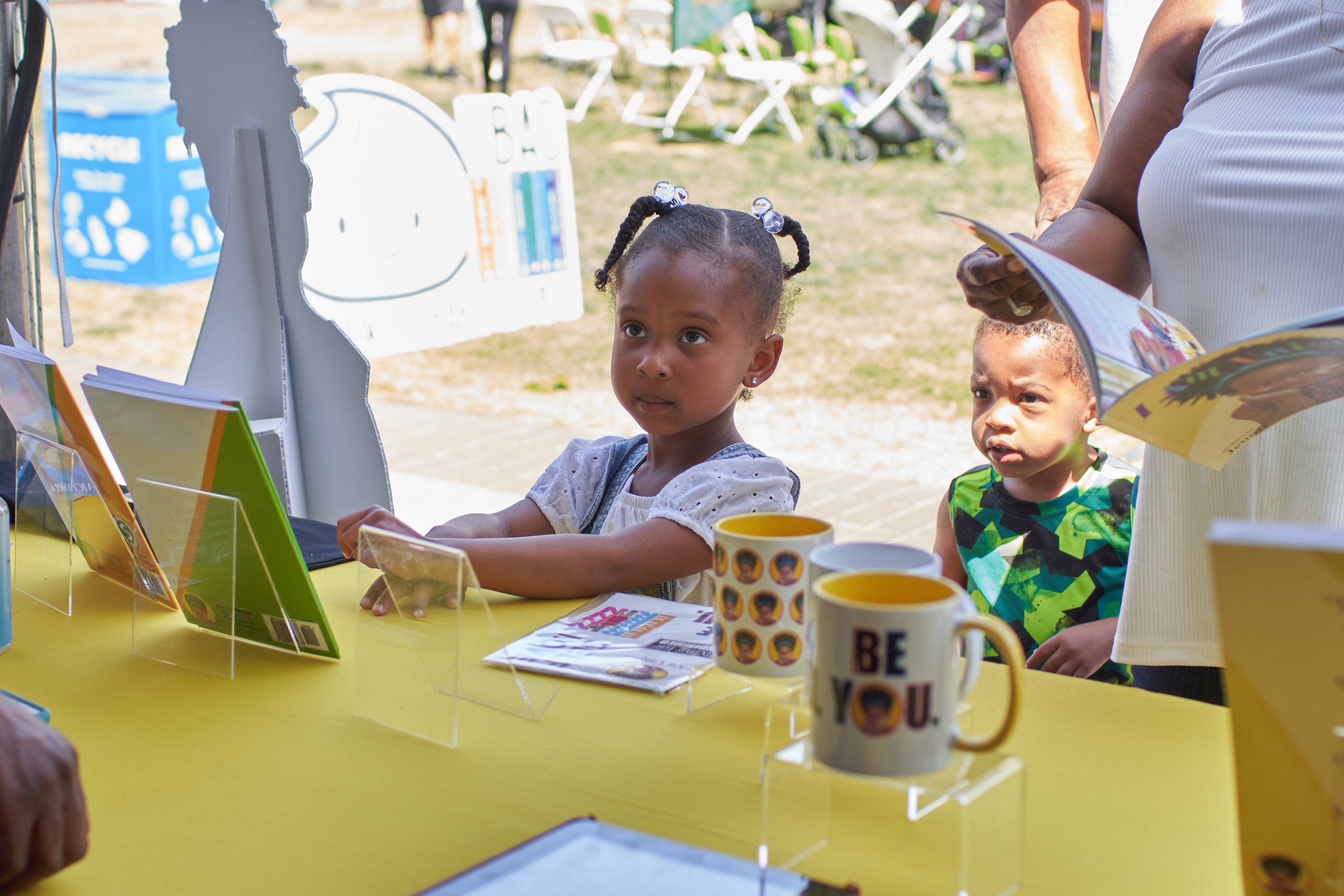Jennifer hosted her first #SelfLoveChat in honor of Women’s History Month! Listen in as they discuss their journey to self-love while navigating the nuances of creative entrepreneurship.
Jennifer: 00:00
Happy Women's Entrepreneurship Day. Hey, Kelli.
Kelli: 00:04
Hi.
Brette: 00:05
Your hair looks fabulous.
Kelli: 00:07
Thank you. You guys all look beautiful.
Brette: 00:10
Thank you.
Jennifer: 00:12
Thank you.
Brette: 00:14
Yeah, so welcome everybody that's popping on.
Jennifer: 00:18
Yes. So, let's kick it off. Hello, everyone, and thanks, Kelli and Brette for joining. My name is Jennifer Vassel, and today is women's entrepreneurship day. Well, actually tonight. I'm really excited to be in conversation with everyone talking about self-love and the nuances of creative entrepreneurship. And I guess we can just kick it off by introducing ourselves, I'll start. My name is Jennifer Vassel, and I'm a children's book author, speaker and creative entrepreneur based in LA. And I write about self-love and inspiring kids and adults to overcome their insecurities and share their gifts with the world. So, who would like to go next?
Brette: 01:00
Wow, that was great. I am not prepared. I'm Brette, and I'm an artist and a non-profit founder. My non-profit is STUK designs, sexy and so strong talented, united and knowledgeable. And we basically provide programming for underserved girls who really need support and art supplies. And yeah, that's kind of what I do. And I paint and then draw on the side of my other business. So yeah, that’s me.
Kelli: 01:34
Hi. My name is Kelli Skates, and I'm a photographer, filmmaker, and editor. I'm from Los Angeles, California. I do travel a lot. And I also have a merchandise line that I use some of my images that I take, and I put them on T shirts and journals.
Brette: 01:53
It’s super cute.
Kelli: 01:54
Thank you. So yeah, that's what I do.
Jennifer: 01:59
Cool. And so, in a one word, or maybe a few words. What does self-love mean to you? Like when you hear about those two words, like in a sentence, how would you describe it? And what does it mean to you
Kelli: 02:12
Just a sentence?
Brette: 02:16
I know.
Jennifer: 02:16
A sentence or two then.
Brette: 02:19
I think that's so hard because like self-love can be defined as, like. I feel like modern society these days is trying to make it just like a simple definition of one word, you know, like self-love is this or self-love is that. But I think kind of similar to like, you know, the word feminist, you know. It has many different, like meanings and ways that it can be used and like, to me, it's just like having that, really that unconditional love for yourself. No matter what state you're in, no matter if you're high. No matter if you're low, no matter if it's light, no matter if it's dark. It's just that unshakable, deep down, foundational love. Sorry about that, my dog. But to me, it's just, it's a journey, you know. I think it's a journey. I don't think it's just one word or can be defined as one word.
Kelli: 03:22
Yeah, I agree. I would say that self-love definition evolves as you evolve, because I think we're all working on different parts of that journey at different parts of our journey. So, self-love, right now for somebody might just be like, really learning how to, like, speak positively about themselves, because that's what that’s what they are working on, but to somebody else that might not be the thing that they're working on, it could be something else in specific to their journey. So, I think it evolves as you evolve. And for me, I think my self-love Journey is also very much so tied to my spiritual journey. So, the deeper and more rooted I get into my spiritual practices, and the deeper I become aware of who I am as a person like that, my self-love journey evolves with that.
Brette: 04:15
Yeah. I actually did however, write a definition that I can read. Because it took me so long to write it. Because I really don't think that it is just, you know, a simple definition but, on my non-profit website, we came up with, self-love is the beginning of a lifelong romance. It is choosing yourself first, owning who you are completely and unconditionally. It is living every day as the highest version of yourself, which creates lasting peace. And I do think like that, that inner peace is really important because I don't really think that you can have that you know, peace that passes all understanding, that unshakeable peace without that foundation of self-love, you know.
Jennifer: 05:05
I love that. And for me, I think the way I would define self-love is the ability to identify your natural gifts, like something that is unique to you and is your natural talent, and being able to not only identify it, but also share it, in whatever medium that you could share it, and if you're able to do that, you're loving yourself, you're honoring yourself, and you're doing what was your divine assignment. That's how I got [unclear 05:36] [cross talk]
Kelli: 05:37
I think that's very important what you said to share it, because sometimes people like hoard their talents. They're aware of them, they'll stay in their bedroom with them, but I think the big part is being fearless enough to actually share your gifts with people. And that's what we're here for, and that's how you create connections and continue to grow.
Brette: 05:58
Because in a way, like, I think sometimes people have a perception of it being like egoic, in sharing talent, over sharing talent. But I think it also involves ego if you hoard that talent, and if you don't share it, and it's like, you know, the purpose of being here is to share the gift. It's kind of selfish to, you know, hoard it in. But a lot of times fear is wrapped up in that. And I think what you said was really valid Kelli, about, you know, self-love being connected with, you know, spirituality, because it really is. It's connected to spirituality; it's connected to mental health. And I think that's why it's so hard for people to talk about, you know.
Jennifer: 06:38
And did you guys always know that you wanted to be entrepreneurs? Or do you have entrepreneurs in your family?
Brette: 06:45
You go first, Kelli.
Kelli: 06:48
I didn't know. My dad is an entrepreneur, and so I grew up seeing him be successful at it and seeing his journey. But for me, I knew I wanted to be an artist, I didn't know that being an artist was almost synonymous with being an entrepreneur. So yeah, I knew I wanted to be creative. I knew I wanted to build things, and create things, and worlds, and images, and I used to dance. I knew I wanted to do that. But I did not understand that in order to make money as an artist, there is definitely a huge entrepreneurship element to it in order to survive and not be a starving artist. But I didn’t know this.
Brette: 07:30
Which is not talked about.
Kelli: 07:31
Yeah, you don’t talk about it. They don’t talk about that. Maybe more now, because I think the journey of an artist and entrepreneur is very different than when we were like coming out of college. But I didn't know.
Brette: 07:45
Right. I didn’t know either.
Jennifer: 07:47
Yeah, I don't know. You can make a living doing things that you're naturally good at. Things that weren't the stereotypical doctor, lawyer engineer, like things like that. I just didn't see it. And coming from immigrant parents, being the firstborn and having only knowing...
Brette: 08:02
Jenny, where are your parents from?
Jennifer: 08:04
Jamaica. Yeah. So, they came here in the 70s, and they worked really hard. All I knew was, go to school, get an education, come out and find a job. And then I come from a background of a bunch of medical professionals, that's all they do, nursing and all that. And so, for me, I was going down the path of being a lawyer. And I've pivoted so many times, but when I was younger, I was really exhibiting. I had a natural gift for writing, and I was always exhibiting that creative thing. But I don't think I necessarily had people around me who could help foster that natural gift. And so, I only did what I saw. There was no representation, so that's why I'm so dedicated to being the woman that the little girl in me needed to see. And so like, I didn't know that entrepreneurship could be a thing or like you can actually get paid for things that you're naturally good at with you not having to have that doctor, lawyer, engineering, and no shame to people who are in those traditional careers. I just didn't see it modelled for me any other way.
Brette: 09:16
Yeah, yeah. I mean, I'm similar to Kelli, like my dad is also the entrepreneur. So, I mean, I grew up seeing him, you know, like, just to live how he wants to live basically, and go where he wants to go. But he was always working at the same time, and he always be on the phone and, you know, but at the same time, he was like, passionate about his work. So, you know, it was like, he was excited about it always on the phone and always on the go. So, it kind of was drilled into me, but at the same time, my dad didn't really teach me anything about entrepreneurship. And I think that that's also sometimes how it goes, and then, you know, on the artist side of things. Yeah, you really do have to learn and a lot of times the hard way that it really does, you know, require hardcore entrepreneurial skills to become a successful artist. And that's why, well, that's not really why, but that's why later, I saw that doing graphic design in college was like, beneficial, because it helped me be able to, like, take my art off the page, you know, and put it on other platforms, put it on websites. Like, you know, now I build my own websites, I really do everything myself. So, I think that that helped. But at the same time, yeah, it just, it requires a lot of just business savvy and business knowledge, to become an artist, and to become just an entrepreneur that's maybe not an artist,
Kelli: 10:56
Right. And so, I think it's funny, because my dad was an artist and entrepreneur, like he was in the music industry. So, he wrote, so it's funny, because he was definitely an artist, and definitely a businessman. But he didn't teach me either. Like, that wasn't the thing. And it was one of those things like if you want it to figure it out, and so I [unclear 11:16]. And then I think also, too, I saw him, but I never really saw women entrepreneurs.
Brette: 11:23
Right. And I think that's why they didn't tell us.
Kelli: 11:28
Yeah, so it wasn't a thing. It wasn't a whole bunch of women running their businesses that I could see. So, I couldn't see myself there. So, like you said, Jennifer, I think it is important that we do stuff like this so that you can see yourself in these roles.
Brette: 11:44
Yes, that's so valid. Because even as of late, I feel like I've just had frustration, like, why didn't my dad teach me about stuff like this? And it's like, I feel like, he teaches my brother stuff, but then my brother's not an entrepreneur, really. So, it's just like, you know, and I think men often have that, it's like an old world perception. And I think that men who are entrepreneurs really should teach their daughters, you know, and put them up on entrepreneurial game because, like, you know, we need it.
Kelli: 12:22
I changed the [unclear 12:23] curve so much.
Jennifer: 12:24
And black women are the fastest group of entrepreneurs. And so it's definitely like, there's a spark, and I feel like more women, specifically black women are realizing that they have the power to actualize their goals and dreams and to create their own opportunities, after being, you know, probably like disrespected far too many times, or just undermined or undervalued, and they just, at least speaking for me, I feel like, I want to have more control over my narrative and more control over my earnings and be able to put out whatever it is that I want to see in the world.
Brette: 13:03
Controlling your narrative. That's key. Because I think that like, you know, when you work for other people, when you do something else, when you are kind of like, under another corporation, it's like, you can partially, you know, control your narrative, but not really like, yeah. You can't really like be on a live with like a Jack Daniels T-shirt or something like that, you know. And like, you know, with those worries, or those cons, of like, who I am, or who I’m not. And I think that right now, what a lot of people are doing is really stepping into their own, like personal authority of like, who they are and what they can do and what rules can tell them to do or not to do. But it's like when you are truly grounded. I feel like in that, with that self-love foundation, like this is the way I love myself, and this is the way I want to dress and represent myself and express my self-love you know, then that's when the game changes and things elevate.
Kelli: 14:08
Yeah, something that you guys both said is a big part of why I ended up doing photography and film is because, I wanted to control the narrative. I was tired of seeing the way our stories were told, and then realizing like, Wait, we didn't even tell that story. So, what would it look like if we told our own stories, if we were in control of the images? And then how would that change the way that we see ourselves? And then also, Jennifer, what you said about, I don't know exactly what you said, but it made me think about, for what I do even getting into it like it's a male dominated industry that I'm in. So, I still had to, even though I was…
Brette: 14:48
People don’t realize
Kelli: 14:08
Yeah. So, once I got into it, it’s like oh, I think I can do it. But then when I'm showing up to these different events, and [cross talk] [unclear 14:55] it's been different things. It's like, it was a lot of fighting and a lot of having to like really learn and talk to myself to know that no, I deserve to be here too. I think this is good as images as you, I know what I'm doing, I don't need you to teach me how to use my cameras sir. I’m supposed to be here. Definitely a self-love and a self-awareness of like, no, I don't know, you're not about to punk me out of this spot, because this is the spot, and I got it. Those are [unclear 16:27]
Brette: 15:26
Right. I mean, I've experienced the exact same things. And I mean, that's why now kind of with my non- profit, I'm really pushing towards awareness of the lack of representation of women within the art world. Whatever field you're in, in the art world, like, it's still happening. And it's happening, almost like as bad as ever, but people aren't bringing lighter awareness to that fact. And I think you have to have that grounding and foundation within yourself and within self-love to really hold your own in a male dominated industry. Because like, I mean, for me, like even I remember when I went to Ghana, I went alone and I was painting you know, painting a mural there, but just a woman traveling alone to Ghana, you do not even know, you know, things I've heard, how many males tried to like control me. Like, to ask, you know, you know you should maybe use your camera more like this, Or that. You they trying to tell me what to do. And every time I'm just like, no, no.
Kelli: 16:37
I travelled to South Africa alone. And when I got there, they assumed, nobody wanted to talk to me about the photography, they assumed that I was hair and makeup.
Jennifer: 16:48
Oh no!
Kelli: 16:37
There were like, oh [unclear 16:50], yeah.
Jennifer: 16:53
And so, you both touched, oh go on.
Kelli: 16:55
No, go ahead.
Jennifer: 16:56
I was going to say both kind of touched on challenges that you've experienced with entrepreneurship. Are there any other challenges that you think you face, and how did you overcome it? Like, when you're in a male dominated space, or when people are undermining your expertise. Like, what did you do or say, that could help somebody who might be in the same position?
Brette: 17:19
Really, I think it's just that you have to, I mean, going back, self-love is really something spiritual, and you have to really go back and like, go in yourself. And like, you know, I think you have to like, calm yourself, and really recognize what your personal authority is, in that moment in what is happening, and be like, no, I know who I am, and you can't tell me who I am. But now, you don't necessarily have to say it that way. But you have to know that within yourself, you know, and I feel like that inner knowing will propel whatever action needs to happen, or whatever, you know, needs to be said will happen. But you have to like, it's like that inner understanding needs to click, that you do have all the power, that you have the authority, that you have the same authority as any other man, you know. Any other male, you know, painter, any other male photographer, videographer. Like, you know, we're on the same level. When you really know that it's like, then I don't know, it makes them harder to, you know, cut you down and try to like, diminish that within you. If that makes sense.
Kelli: 18:32
No, that would make sense.
Jennifer: 18:33
That's true.
Kelli: 18:35
Yeah. I think it does go back to being self-aware. And also, I don't know, there's so many parts. I think, with being in the male dominated industry, you just have to really know who you are and know what your talent is, like you said. Like, we have these natural talents, so you really have to learn to trust yourself. And also, you can't really be in your feelings a lot. Because if you [unclear 19:04] get pushed out of a space or if you are having to like, if you are being challenged by a man, like, you can't be emotional about it, and then you can't go home and like you can't go there. There has to be, again, like an inner knowing of like, this is part of the industry. And this is one of the challenges, so you just have to keep showing up. That is the thing, like keep showing up. I’ve been to events where I'm not even supposed to be there, and having to find a way, how do I get into this event? Like you know, [cross talk] [unclear 19:39] like you have to like stress and [unclear 19:40], you have to be fearless, and be okay when something doesn’t work out the way that you think is going to work out. You can't let that stop you from to keep showing up.
Brette: 19:51
Right. Yeah, that was all facts. And I think that like yeah, I mean, it's like, when you're faced with. I think what people don't realize is, like if you're a woman who paints and draws or like, if you want to be a muralist, or if you are a videographer, if you’re a photographer, it's like, we have so much male competition. And I think that they often do try to like, it's almost like, subliminal, the way that you can be or feel diminished. And I think, though, that everything Kelli:said, is completely accurate. Like, you just have to, you have to ground yourself in that moment and be like, you know, and speak from your higher self and speak from your unknown. Oh, that's what I was going to say that, I don't know if you guys watched the Kanye interview recently. But one thing and I'm not going to go in because it's controversial, but whatever. But one thing that he did say is like, you better tell people who you are, you need to let people know who you are, and you better stand up for who you are. Because like, in this day and age, and in this society, like people are always going to try to question you, check you, you know, like, say that you didn't do something, aren’t doing, whatever the case, but he said, like, let people know. Let people know who you are, and stand in that personal authority and tell your story. And side note to this, I feel like we didn't tell people our personal story of that, like, we were all roommates in one place in college at one point, and that was like the foundation of our entrepreneurial journeys, you know, individually, but I thought I'd just add that side note in there.
Jennifer: 21:40
Yeah. I slowly came around. Like Brette, I remember, you drawing your logo, and I was still very much on track to become a lawyer. But I really came back, I really came back to myself, I'll say that. Like a series of events that happened, where I realized that I need to start betting on myself and taking the lead. And I think with entrepreneurship, I know with entrepreneurship, it's not for the faint of heart, you need a lot of grit, you need a lot of diligence, like you have to keep going. And that can be tough for a lot of people. And I want to ask you both. What is one thing that you had to unlearn on your journey? Like what kind of programming or things that you might have been taught in your upbringing that you had to like release yourself to go full force within entrepreneurship?
Brette: 22:33
That's deep.
Brette: 22:38
I could start. [cross talk]. So, you guys knew me from college. You know, we were on TLC too. Child to LMU. [cross talk] So it's such a full circle moment. But you guys know me from back then. And I was very much and still to a certain extent, like, I like things going in a certain path. Like I'm like, first I do this, and I do this. For me, my internal programming was, was more of like, I knew exactly what I needed to do to get to the next destination.
Brette: 23:13
Are you a Virgo? Sorry.
Jennifer: 23:16
Pisces. I’m a Pisces., I'm process driven. And I always, I think that's why I excelled because I knew exactly what I needed to do, to get the A's, to get to graduate, to do the things. But with entrepreneurship, you can be checking all the boxes, and you still might not get to that destination. And so that's something I had to unlearn that, we are not always going to have a blueprint. And a lot of times we're being called to create our own, especially with us being first. A lot of us are first in our families, and we have no other type of blueprint or someone. We can always follow people's breadcrumbs and successes, but it's really, it's not going to be so rigid and linear, the way that I was, I would say I'm programmed in. And I think for the most part when we go through traditional institutions, like we are conditioned to go off. We have a syllabus, we know [cross talk] exactly what we need to do. Yeah, so for me, it was so hard to be able to transition into a space where it's so creative, and there's so many variables. So, that's the thing that I'm still unlearning.
Kelli: 24:33
Yeah, that's a good one because somebody else's blueprint won't necessarily work for you. And so, you can like you said, do everything and then it still doesn't work. So that was one thing I felt like I also had to unlearn is, one, is the comparison. It's like well, I did everything right. But I'm still not where I want to go, be necessarily and like, but this person is doing this, and this is being transparent. Like I think we all kind of struggle with comparison even though we don't want to, or we don't want to admit it. And I think that was one of the things I had to unlearn that even though I think my photos, look top tier, that doesn't mean that I'm going to be where this person is because my journey is different, and I will get there, or I may not get there. That may not end up being where I go. And I think that's the other thing I had to learn was to learn how to pivot. Because things change, and you have to be okay. Like I started off, like you said, you started off wanting to be a lawyer, I started off as a dancer, to pivot into this, it was scary. And so, to be okay with the fact that your journey is a journey and that it will change. And you may want to at one point, like I was into it, I did a lot of entertainment and like celebrity photography and things. And as I got into those rooms, I realized, oh, I really don't want to do this. So okay, so what do I want to do? And then, am I wrong if I stop and don't do this anymore? Like you're having that conversation. So, learning to be okay with like, that as you go on this journey. And as you learn more on the journey, you will be making changes and pivoting a lot.
Brette: 26:15
Yeah, pivots are entrepreneurship, essentially. Yeah.
Jennifer: 26:20
And pivots are not failing, either.
Brette: 26:24
No. That's that part, yeah. Okay, so for me, this is an interesting answer. Because, like, I guess I was raised to, like, you know, how Kelli said earlier, like, you can't really be all in your feelings. You have to go for it as an entrepreneur, like, you can't be too sensitive, you got to just like, go for it. You can't, like take people's opinions too seriously and all that. So, I feel like my dad raised me in that kind of way. And like, you know, I mean, he's from Jersey, and I just was, a very sensitive person. I was raised to just like, you know, just be hardcore. And like, just, you know, put your feelings to the side, you fall down, you get back up, like you keep going, like you, you know, keep marching. And so, while I was taught that, at the same time, that's also the very thing that I had to unlearn. Because, like, there was no real like, self-love in those teachings, you know. And there was no real like, softness in those teachings, which is really like, my innate when being is very, like, you know, emotional and like very, like, feely and whatever, but I wasn't really raised to hold those kinds of things within me. And so, it was an interesting balance of having to, like, you know, retain some things, and then like, unlearn the rest. If that makes sense.
Kelli: 27:52
Somebody in the chat, Jamil Walk said, in the environment, feelings are illusionary being original is what makes you, you. Violet Bloom said that it keeps showing up. Reflection says, hey ladies. Hey!
Brette: 28:09
Hi girl.
Kelli: 28:12
[unclear 28:10] Queens hey.
Brette: 28:15
Thank you for that. Thank you for that.
Jennifer: 28:17
And for the few who joined, welcome. We're talking about self-love and the nuances of Creative Entrepreneurship in celebration of women's entrepreneurship today, I mean, women's entrepreneurship day, which is today. And if you have any questions, go ahead and use the question bubble. If you have any questions for us, we'd love to answer.
Brette: 28:40
Oh, there's a questions bubble. That's exciting. I didn't even read the notice [cross talk].
Jennifer: 28:44
That’s whole thing at the bottom. So, what would you tell someone who's struggling on their path to entrepreneurship or their path to loving themselves in their full authentic self? Like, what would you say to somebody like that?
Brette: 29:04
I'd say it's a journey. And it's baby steps. And it sometimes feels like you're moving in slow motion, or maybe not at all. But then one day, you happen to wake up and feel, you know, you feel a little bit better, and you feel a little bit more, you know, like yourself, and I think that it's a lot about the inner work that is not so much fun to do, you know. And it’s stuff that you really have to do just by yourself, you know. Like, you have to kind of be alone sometimes and you have to separate yourself from people to really just like Delve into yourself and to know and understand who you are, what makes you tick, how you feel, you know. What your triggers are, but I think that you know, when you do take that time, that lasting inner peace that it provides you with, you know, it's worth the journey that any you know. It doesn't feel like that when you're on it sometimes and it's a lot of like, the self-love journey it's not all rainbows and butterflies and unicorns even though I wish it was. But I think that, you know, just even when you feel like there is no light, like, because you're doing this work, you know, you're still on the way to the light, you're still going to see light, you know. There is that light at the end of the tunnel, even if it seems dark, most of the way down.
Kelli: 30:38
Yes, I agree 100%. And that's kind of in the same vein of what I was going to say. It takes time to rewire your brain. It takes a lot of time. So, I would say to keep doing it. Like, it's not rainbows and unicorns, and it's not going to happen overnight. So, if you are just starting, and you're starting with, let's say affirmations, or your gratitude journal or something like that. Don't think because you said it for two weeks. That at all you are the queen of self-love like, that's not how it works. It might take you two to three years for it to finally like really [cross talk] integrate. And for you to really embody that. Like, it's not something that happens overnight. So, I would say to the person who's working at it, and it does go hand in hand with the entrepreneurship journey, because you don't always see the results right away, it's a lot of baby steps, a lot of positioning yourself, a lot of meeting somebody here and thinking it didn't do anything. And then a year later, they give you a phone call because they remembered you. So, you just never know. So, I would say to just keep doing it, keep showing up. And I promise you it works. If it doesn’t feel like it's working, like Brette's saying, it's internal. So, it's not always a tangible result that you will see, you will not always be able to tell that it's doing what it's doing. But I promise you, it works.
Brette: 32:08
Yeah. If you're laying a foundation, you're laying a foundation for like, for whatever you're trying to bring in, for whatever you're trying to manifest, for whatever your ultimate vision is. Like, each of these things are tiny little stepping stones, you know. I feel like, where society is a little off right now is that like that realization that, you know, people don't think that it takes these layers, these structures, this foundation, this building on top of layer, on top of a layer, you know. And like, once you have that foundation of self-love, that foundation of entrepreneurship, then like things flow with a little bit more ease, you know, and then things can yeah, open up, doors open up. But it takes time, it takes patience, it takes trusting yourself and you got to like, deeply love yourself, like, you know, to the point where like, nothing else really matters, you know. Like if you got to just be okay with being you and being by yourself. And that's just not a pleasant journey a lot of the time. But that does not mean it's not worth it.
Jennifer: 33:19
I want to piggyback off of what you said, right about building a foundation. That's something that I struggle with as far as being patient with the journey. Because I feel like I'm working on my goals. And I'm working on it diligently but I'm not seeing the result. And that goes back to me having to unlearn the fact that I can be doing a, b and c and it might not come out the way that I want it to come out. But what I would say to somebody who's struggling with that, and I'm speaking to myself, too, is to prioritize your mental health. I just had therapy yesterday with my therapist, and she was talking about, I mean, the resounding thing that I struggled with for me is that I feel like I'm never doing enough. And there's so much more that I can do. I mean, I can get up earlier than I'm getting up. I can do much more but I'm just like, I feel like as long as I get another chance at life and I wake up every morning that I have to do more, and I'm not doing enough. So, one of the things that she said was like the foundation thing. And then a lot of times we're building our roots, or we're growing our roots and you're not going to see the depth. But you're growing those roots deeply and then sooner or later then it will grow into the things that you can visibly see, or visually see. So that's something that I would tell somebody who's struggling with, I'm still going through it, is to prioritize mental health. Seek professional help so that you can share your feelings and your thoughts and your concerns with someone who's unbiased and who's not a part of the mix, to get a fresh pair of lens on whatever situation that you're going through.
Brette: 35:10
Yeah, exactly. 100%
Jennifer: 35:14
What would you tell your younger self, the little girl in you, what would you tell them about the journey? Where you are now, what would you say to them like or her?
Brette: 35:30
You know, I've actually kind of been thinking about this a lot this week, just because I feel like, the energy has been very, like, people are very, it's very frantic. It's like a lot of go, go, go, when sometimes, oh, an affirmation that I was going to give you, Jennifer is that rest is productive, you know. And so, it's like, I was thinking to myself, like, I mean, not that 20s is necessarily a little girl. But I was thinking about my 20s, early 20s. Like, why was everything like so fast paced in my mind? Like, why couldn't I just like, slow down and not just be like, go, go, go, on, on, on, all the time. But I just was at that time. Like, it was just like I had to be going, going, going, going, going, going. So, I would definitely tell my younger self to slow down. To like, breathe. You know, we were talking about comparison, you know, like, comparison doesn't matter, like, because you're always in the exact place that you need to be at the moment that you're in it like, and, you know, the only moment that exists is right here, and right now, you know. And I think when you ground yourself in the here and now, and breathe in the here and now, it like, just puts things into perspective. And a lot of times we just go, go, go, go, go because we're really feeding off of like, other people, of like societies flow, of societies rush, societies anxiety. And so, we have to slow down, go within, breathe and realize, like, wait a minute, I can be on my own pace, I can be on my own flow. Like nobody else has to dictate like how fast, how quickly I do things, when I do things, where I do things, what my end result may be like, you know, it's just me. And it can be that way because I love myself.
Kelli: 37:30
Yeah, I think that's important too, aside from me answering the question, what you're saying is super important because especially as creative entrepreneurs and with Instagram, and algorithm, I think it has completely changed the process, the creativity process. Like, we are results and like numbers driven. Like how often can I post a post to like quality and like, really getting to like the meat of why am I creating this? Why am I doing this? So, I think it's always important to return to your why when you're trying to implement your resting and stuff. Because like you said, if you're not well, you're not going to be able to do what you're called here to do anyway. So, if you're wise to help black woman, then black women go to sleep. You know what I mean? Get some rest, because that's what you need, you know. I think it’s like, really prioritizing your wellness, that's self-love. Like you need to be well. You can't help anybody if you're not well yourself. And then what I would tell my younger self, I would just tell her like, listen, girl, you are so dope, you are as dope as you think you are. You don't need nobody else to validate that for you. And even though you are amazing, everybody's not going to like you, and that's okay. That doesn't mean, [unclear 38:56], that doesn't mean to dim your light. That doesn't mean nothing. That means, you just keep being you, and eventually you will attract your tribe.
Brette: 39:08
That four agreements rule is so key in entrepreneurship and self-love. You know, that rule that says don't take anything personally, because you really just can't. Like, it's not a career where there's time to just sit and dwell on things and take things personally and go into like a mental spiral about it. Because you don't have time, like it's just useless. It’s not even about you don’t have time. It's just like, that's not a part of self-love, and that's just not productive. Like you can let that part go once you really deeply understand self-love. Like, you can let that anxiety of you know, stressing what other people think what are other people, you know, you can let it go.
Jennifer: 39:51
The fact that we put ourselves out there and put our work out there that's a testament to our level of self-love, because a lot of the people who are critiquing don't have the guts or bravery to do that thing. It's easier to criticize somebody, because it's probably showing a mirror up to them of what they're not doing. So, what I would say to my younger self is to, like, hone in on the value of your voice. Don't let people tell your or shun you away because they think you're too quiet, you are too this or too that. There's a lot of people who don't say much, but they are intentional about what they say and when they say it. And there's more value in that than someone who runs her mouth and says a whole lot of nothing. So, I think.
Kelli: 40:47
Yes Jennifer.
Brette: 40:50
Great. Isn’t that so funny. Because I think that we all started out really quiet. Like, we were all very quiet people, and especially in college. And I think it took us a while to just find, not necessarily to find our voice, because I feel like we've always had voices, but we had to build foundation and figure out how we want to share our voice and how we want to share it in the most, you know, productive way, the most beneficial way to like be collective, help others. And I think that, you know, when you can be quiet, and you can observe for a while, then when you do share your voice, it's clearer, it's more profound, you know, and it's more impactful.
Jennifer: 41:34
No, agreed, definitely. So, one more question for you guys. So, what would be a practice, how do I word this? What's a self-love practice that you do, or make a part of your day to day to help you get in the mood when you don't feel like doing the work?
Kelli: 41:59
For me, when I'm not feeling it, I clean up. That’s number one. [unclear 42:05] Because I'm an overthinker, so I'll start overthinking and all the clutter in the space will like contribute to it. So, I start with cleaning up. I like candles, I like incense, sage, [unclear 42:20], so I'm burning everything I got. I'm burning on a regular day, so when I’m not feeling it, I’m burning everything. And I'm walking around burning my sage, saying affirmation, saying prayers. I pray, and I'll take a bath, or go to like the beach or somebody of water. Because I think water, not I think, water is healing. And I also I'll do like a gut cleanse. Like I will like look at what I've been eating and then take note of that. And if I haven't been eating well then, I'll like okay, I need to do a cleanse or a detox or stop eating certain things. Because that has a very strong effect on like, our mental as well.
Brette: 43:13
Yeah. That's really profound. So, I guess, for me, when I'm not feeling it at all, or when I'm feeling like, really hardcore resistance and like, I just don't feel like meditating. I don't feel like you know, doing my practice, because I usually do it daily. But some days, I'm just like, in resistance. So, what I've been doing as of late when that happens is, just like, because usually, I'll like read some affirmations or listen to someone’s affirmations and then repeat it. But when I'm just like not feeling it, I'll just make them up in my head and then just like go through them like, you are worthy, or I say I am. Like, I am worthy, I am amazing, I am miraculous, I can do this, I got this, like I'm limitless, I have infinite potential, I am divine, I can do anything. And then I'll just repeat it in my mind. And it just, you know, starts to change the calibration of things. And then maybe I do feel like doing some kind of practice after that. Or maybe I do feel like, you know, snapping back into things. But even if I don't, that still brings me out of like a lower place that I was in. And you know, and I always do have, I love incense. Sometimes I feel like I can't breathe and when I light incense, it's just like, ha, I feel so good. Like it just flows energy around. That's an air sign thing, I think. But I also have one final question to you Jennifer. If you know.
Kelli: 44:50
Well, I want to hear Jennifer's answer to that.
Brette: 44:51
Yeah. Me too
Jennifer: 44:52
Okay. So, what I do when I'm not in the mood, I try to listen to audio books around mindset. So, the latest one, I told Brette about this, this week. I started listening to the power of the subconscious mind, because a lot of times, I am neutralizing my prayers. I didn't realize that I was doing that, like if I'm praying or saying that I want certain things to come to pass, but then I'm worrying or I'm doing the exact opposite of it. Or like, I'm doubting that it could actually happen, then I'm really just [cross talk] undoing the work, yeah. So, undoing the work that I just did. So, I think, working on my mindset and working on like this, I always think in my mind, like, God wouldn't have put this in my mind and in my heart, unless he didn't want me to carry it through or see it through. So yeah, that's how I try to get out of my funk. There are some days where I just, you know, just [unclear 45:52] all day.
Brette: 45:54
Yeah, I get those days.
Kelli: 45:55
Yeah. [unclear 45:55] I think it's good, it's like to just go for a walk or a jog or like movement.
Brette: 46:02
Meditative walks are a thing.
Kelli: 46:04
Yeah. Sometimes whatever it is, we're just stuck in our body. And so, we have to literally like move our body to move that negative or doubtful energy out. So, like if its just like getting in the mirror and doing like hip rotations and shoulder rolls and things like, that's very helpful, too.
Brette: 46:21
Yeah. Like, [cross talk] some people call it state change. Changing your state. Some people call it like a state change. You know, like, you got to change and alter the state you're in, you know. And like, you can do that with affirmations, you can do that with some movement, you can do that with a meditative walk. You can do that, like, in many ways, but like, when you're really feeling in a funk, you got to you know, you got to do something, you got to pick it up. Pick yourself up.
Jennifer: 46:49
That's true. What was your question?
Brette: 46:52
Oh, and then before that, one more thing, I was going to say, when you said, you were talking about like, you know, just, when you plant something, when you plan to dream, when you plant a seed, Stacy was actually saying this. I was editing some videos, and I saw that she said this, but she was like, you know, when you plant something, like when you plant a seed, and an idea, you know, if you're worrying about it, if you're stressing about it, it's like you're planting it, and then you're like, digging it up, you're digging it up, you know, and then like, it's not growing, and then you got to plant it again. And then you know, you wait for [unclear 47:27]. I don’t know. and you're like digging it up again, you're digging them again. So, it's just like, that analogy really helped me so yeah, I just want to share that.
Jennifer: 47:37
I love that. Yeah, I mean, it is true, because I'm like planting the seed and then like going back, is it done yet, is it done yet? Yeah. Or digging it back up, like you said. Did you say you had a question?
Brette: 47:48
I do. I just wanted to know, like, did you guys, did you grow up learning self-love? Like, did you learn self-love, like from your parents? Like, did you, you know, grow up like at five years old learning self-love, or was it something down the line that you guys learned? You gals, you ladies.
Kelli: 48:09
Honestly, yeah. I think I did learn that. I learned it from my parents and in the household like about like, I mean, the depth of it is different as an adult. But as a kid I was like, I was surrounded by love and taught to love myself. I went to a predominantly black Christian schools like, growing up. So, like, I had black teachers and professors and stuff. So, there was always like, in that regard, like, representation and that we are beautiful, and we are capable, and I think that's why when I'm talking to my younger self, it's like, girl, you really are that. Like reminding myself that is true when I was being taught when I was younger. So, I was blessed to have that.
Brette: 49:01
Yeah, beautiful.
Jennifer: 49:03
I think for me, I mean, I grew up in a loving household. Very supportive parents, supportive family. I wouldn't say that they were, like expressive about love and like you need to love yourself or honor your gifts or do that. I mean, I'm not taking anything away from them when I say this, but I feel like that. That wasn't, I mean, providing for us and making sure that we had good education and opportunities, like that was a priority. I don't think they sat me down to talk about love or talk about courage and bravery. I don't remember those kinds of conversations and I had a different experience than you Kelli. Because I grew up in a predominantly white neighborhood where I didn't really see myself at all. And I grew up very insecure because I have this special birthmark that's so very large, and it's a completely different color than the rest of my skin. But on top of that I'm the only black child in school and people are looking at me wondering what it is. Did I get beaten? Is it a burn? And like that made me really, really insecure. And I just remember a family member said, well, it's not even that, but like kind of brushing it off, like, oh, please like, it's just a birthmark who cares kind of thing. So, I didn't really get that. I didn't learn about affirmations and learn about embracing my inner and outer beauty until I got older.
Brette: 50:39
And then you made a book about it. So that’s [unclear 50:42] [cross talk]
Jennifer: 50:41
Yes. The book was healing for me, because that's exactly what I needed when I was younger and experiencing the self-doubt, the insecurities and all that.
Brette: 50:52
Yeah, and I think when you own your insecurities, and when you can talk about it, or like when you can just like, you know, hold them, like not take it so seriously, then I think that's when you turn things around, and then you can flip that pain into power, you know. For me, growing up, I would just say no, I did not learn it. But I mean, because of that, you know, it's made like a career and a passion for me of advocacy, and like really just teaching other people that it's important. I think it's important. I think it should be taught in school. I think it should be embedded in so many teachings because I think it is the foundation of like, living an inner peaceful life, you know. So, no, I didn't learn it in childhood. But I learned it later, like in college when I met you guys.
Jennifer: 51:49
This is great. This has been a really good chat. I mean, I've really loved talking to both of you and just hearing about each other's experiences. Before we wrap up though, what are some projects that you're working on, and where can people find you after this?
Brette: 52:08
Go ahead.
Kelli: 52:11
What am I working on right now? I'm shooting, I'm experimenting with some new things, photography wise. So, you can follow me at kskate studios for that. And then I'm also going to be releasing some new merchandise on the urban gypsy LA. So yeah.
Brette: 52:31
So yeah, me, I'm working on a new like art collection for my art brand. I call it art by Brette. But I'm like working on new collection for that. So right now, I'm more so focused on my non-profit, which is duct designs. And we have a bunch of things going on, you can check out our podcast, you can check out the blog, join our community. But yeah, I basically wanted to build a space and a community where, you know, women could come together and hold each other in accountability for their self-love. And to, you know, stay uplifted, because a lot of times as entrepreneurs, we're, you know, stuck in our own heads. And it’s a lot of alone time, sometimes that building. And I think community is everything. And I think it's more important than ever in these times that we are in. So, I'm so excited that we've did this conversation and I hope yeah, we can do more. I'd love to bring on JC and whoever else, Shonda.
Jennifer: 53:38
Yeah. Yeah, that would be great. I mean, I definitely want to keep the conversation going. I think this is like an ongoing thing that we should definitely continue because the more we share our stories, the more people will see themselves in us and know what is possible. So, it’s also great.
Kelli: 53:55
What are you working on, Jennifer?
Jennifer: 53:57
Oh, yeah. So, what is the latest? So, I'm working on the Spanish version of I am unique. So, we should or you have that long.
Brette: 54:07
Are you translating this or you have a translator?
Jennifer: 54:09
Yes. It's in French right now. But we're translating it in Spanish. It's going to be out for the holidays, in time for the holidays. And if you want to learn more about, I’m unique, and the things that we have going on. It's over at I’m unique book and then Jennifer De Vassal here, on the space.
Brette: 54:29
That is phenomenal.
Kelli: 53:31
That it is.
Jennifer: 54:32
Thank you. All right. Well, you have a good Friday night. Hope you guys do something fun will be yours.
Brette: 54:38
Yeah. Happy Friday. You know, Women's Entrepreneurship Day, Friday. I hope you guys drink some wine tonight and you know, celebrate and get a little festive.
Kelli: 54:51
I got my tea.
Jennifer: 54:32
And I have liquor right here, so I'll be drinking that. Alright take care.
Brette: 55:01
Alright bye guys.
Jennifer: 55:02
Bye. Thanks for watching guys.
Brette: 55:05
Thank you all, bye.
